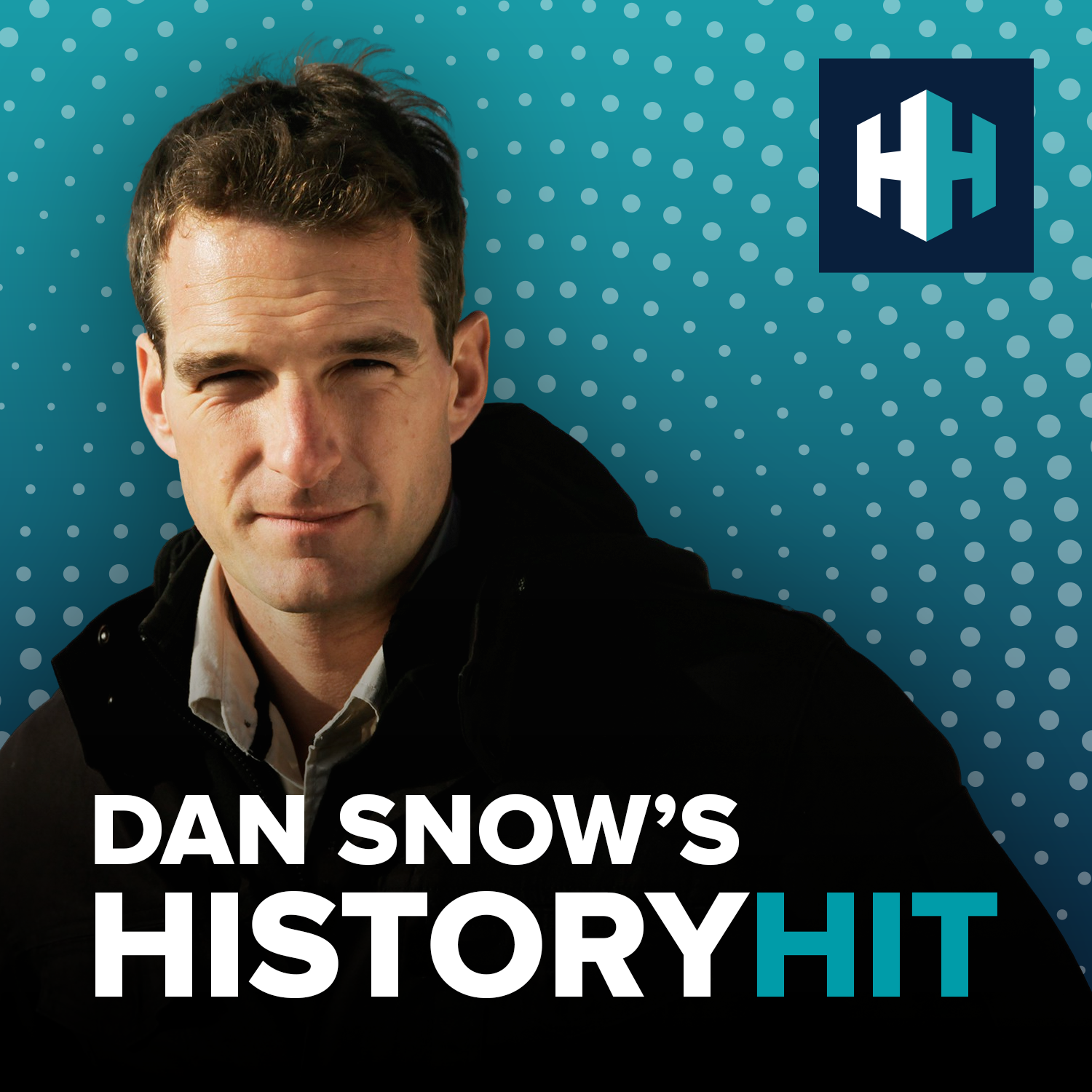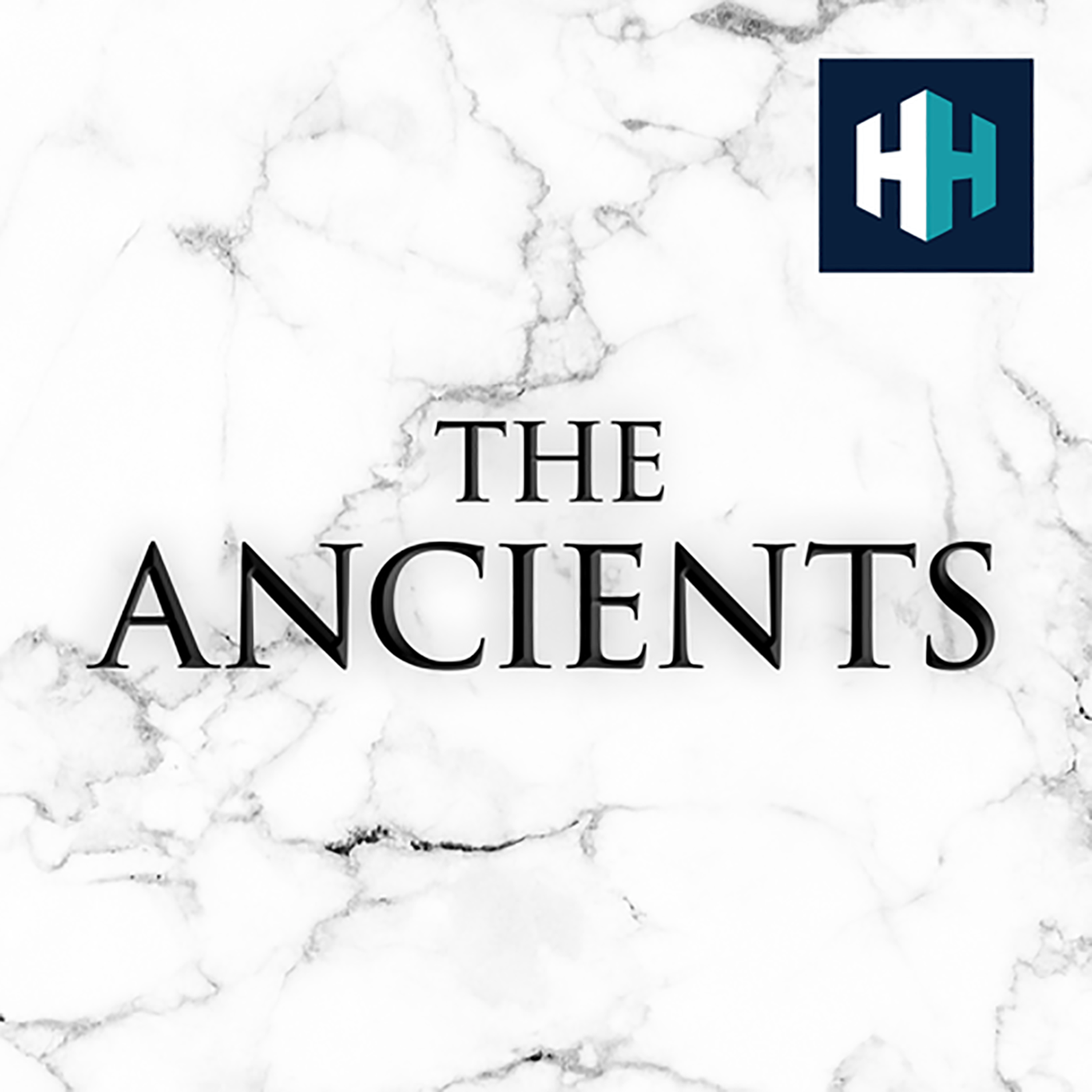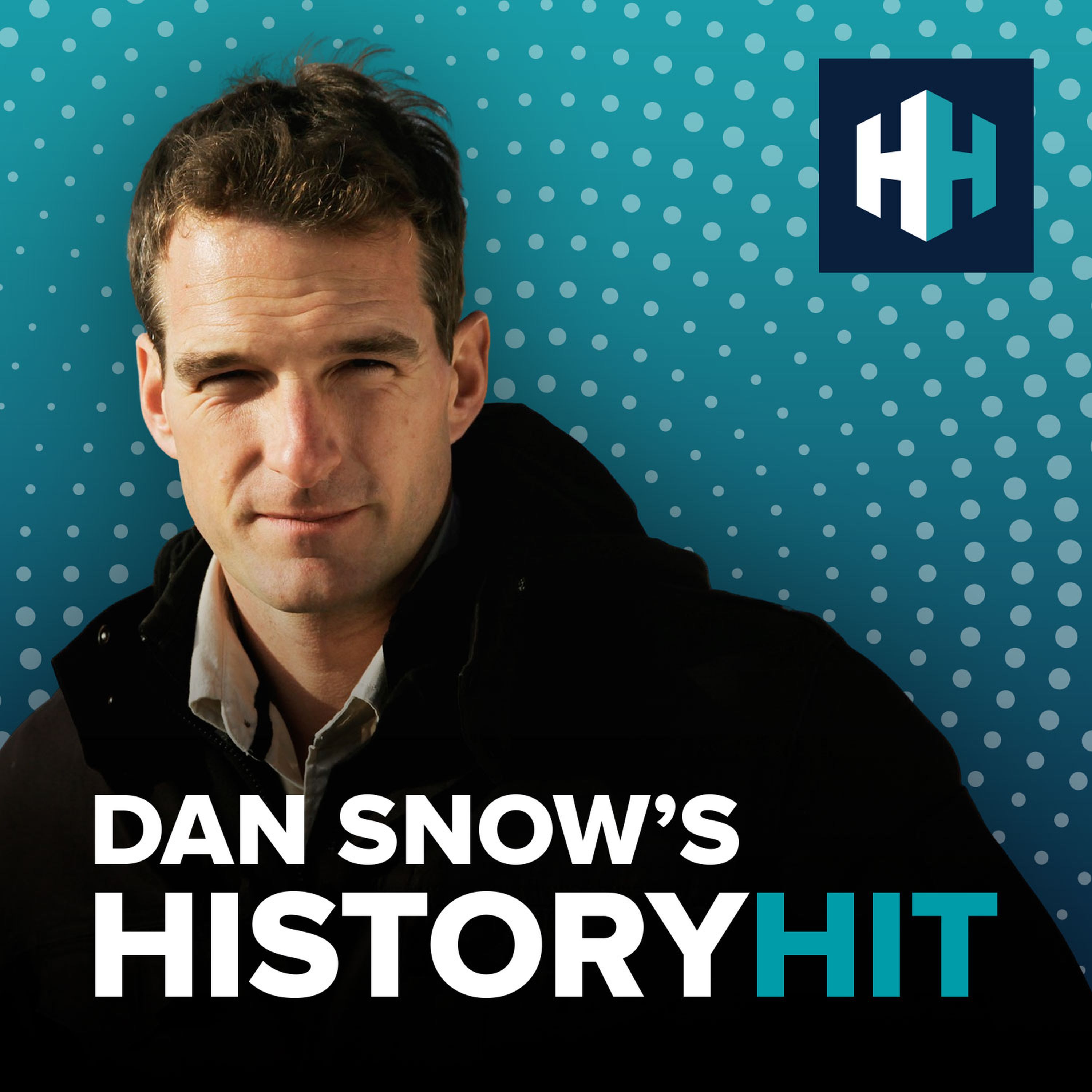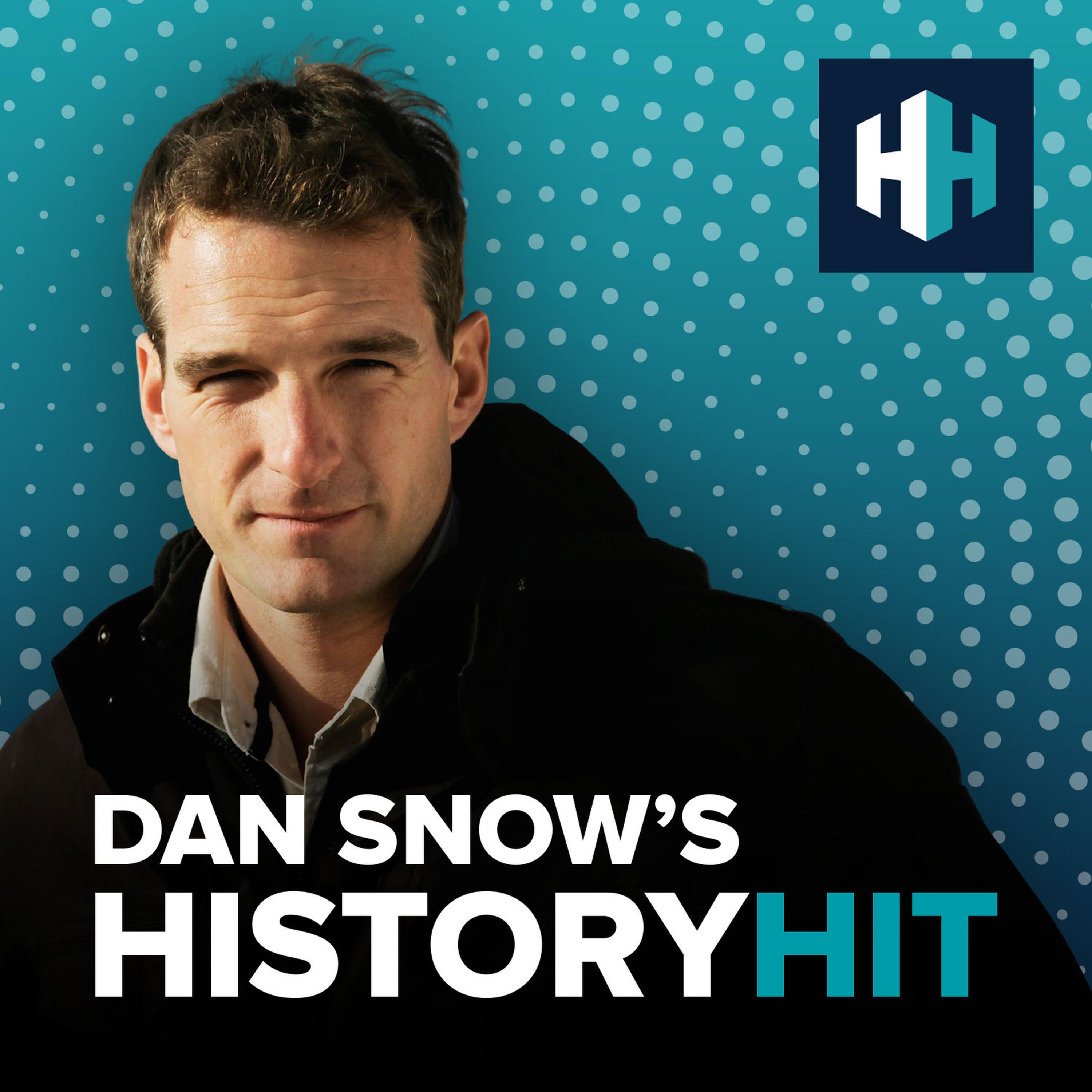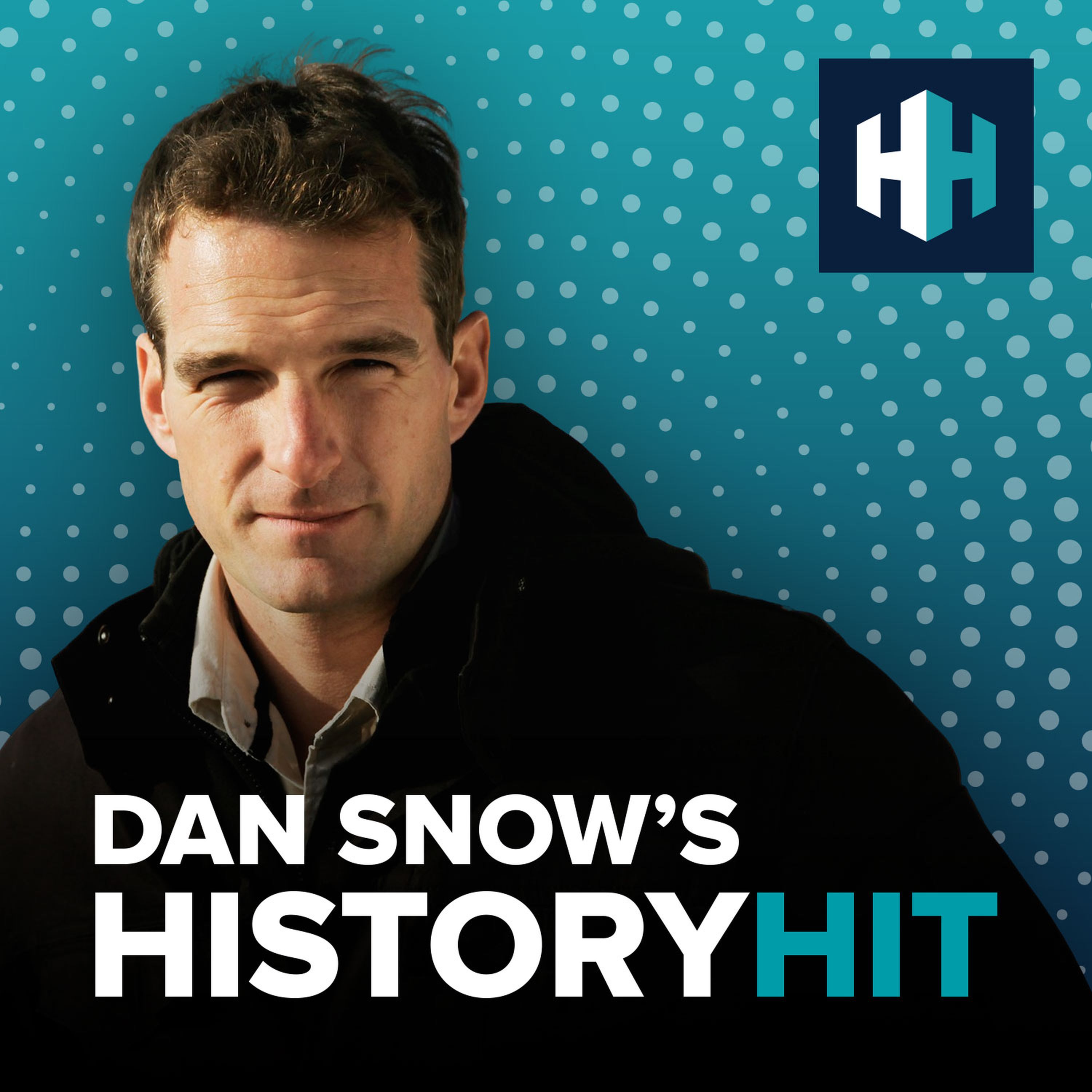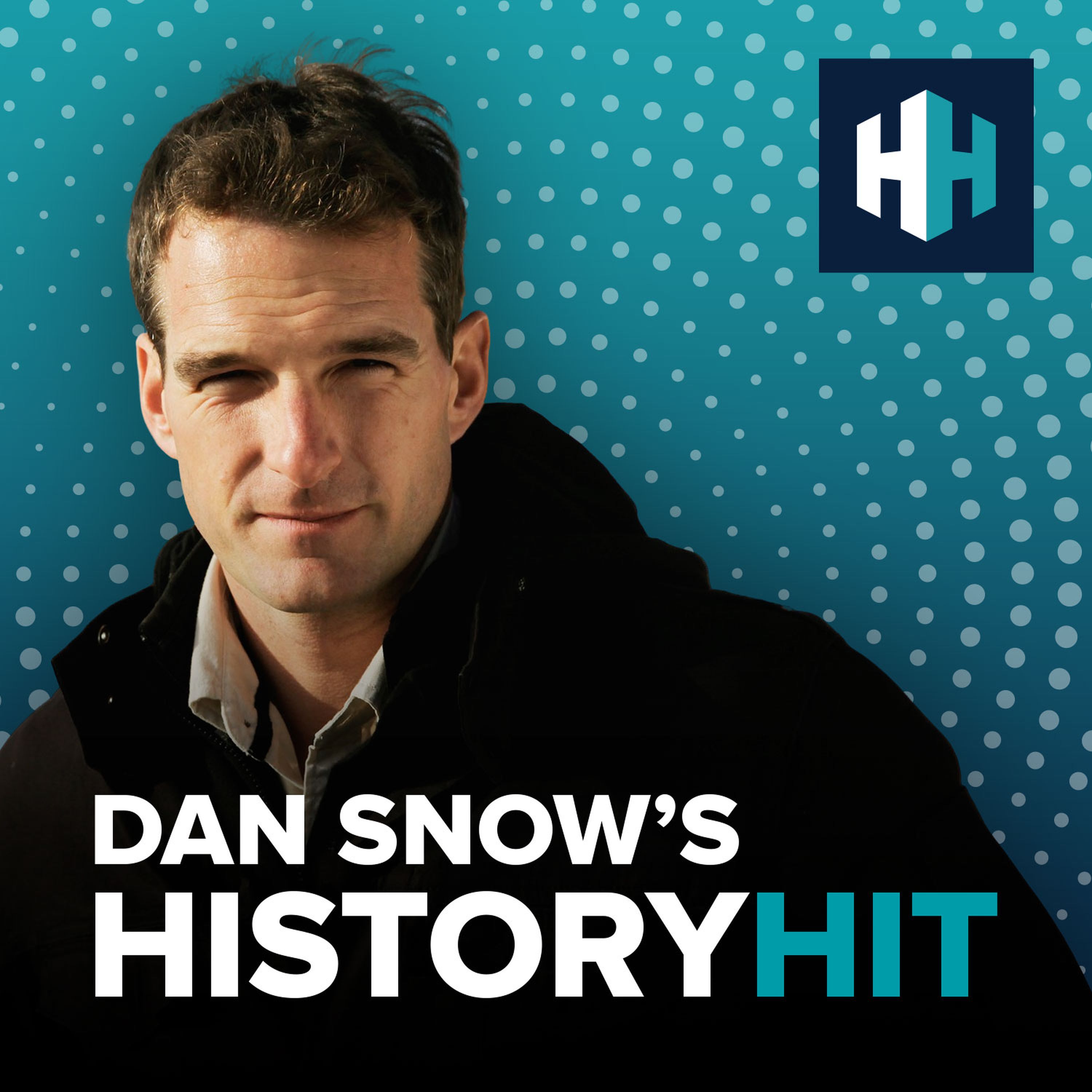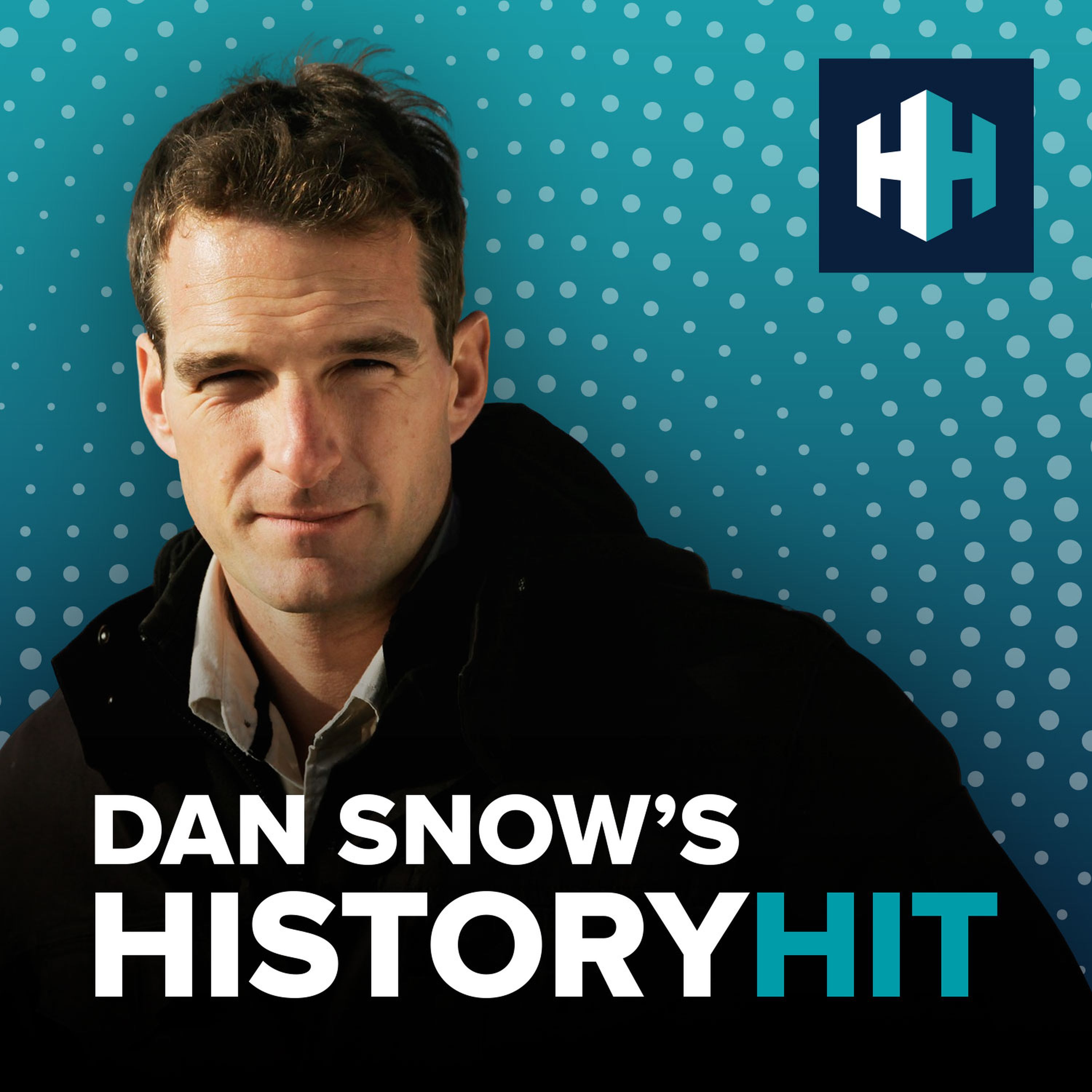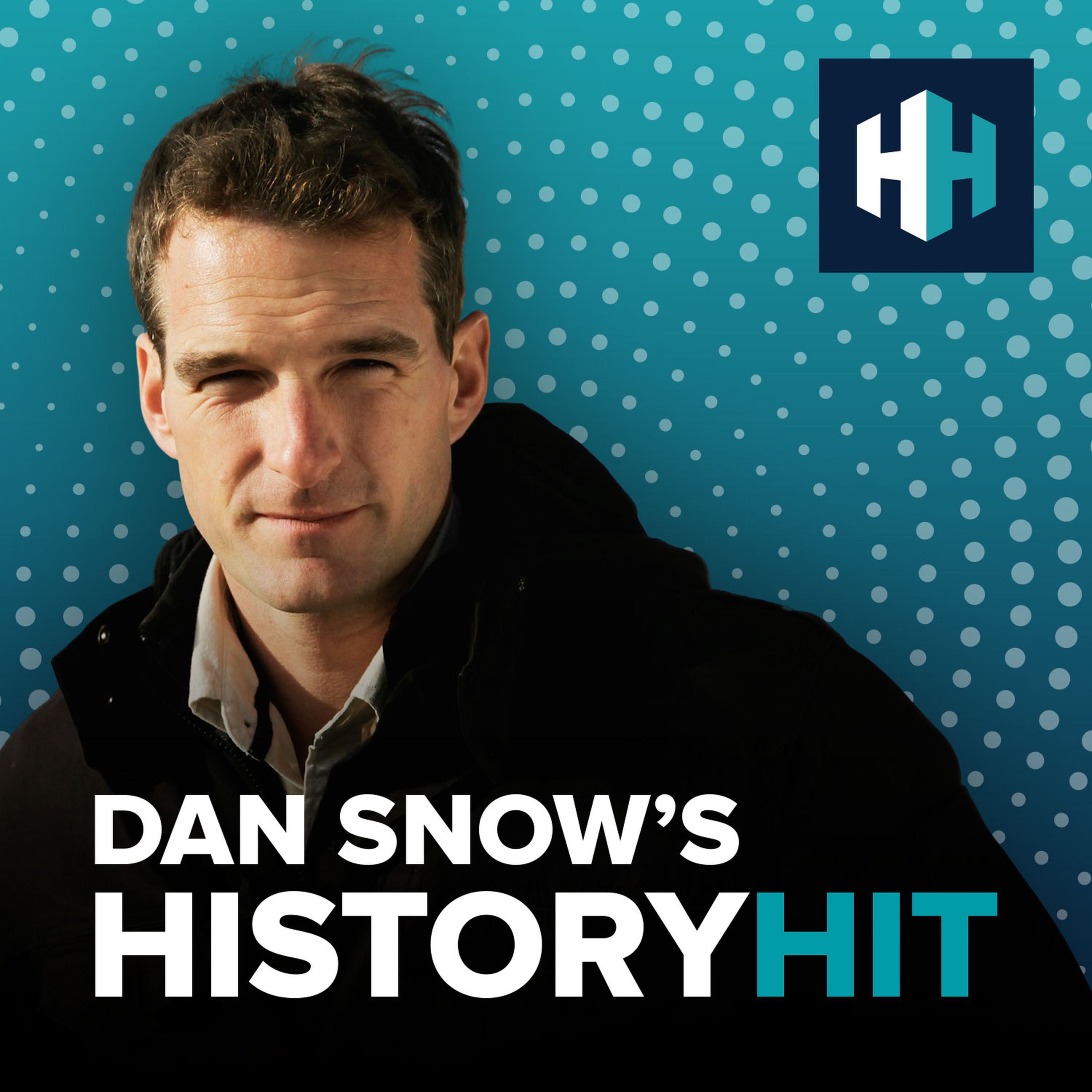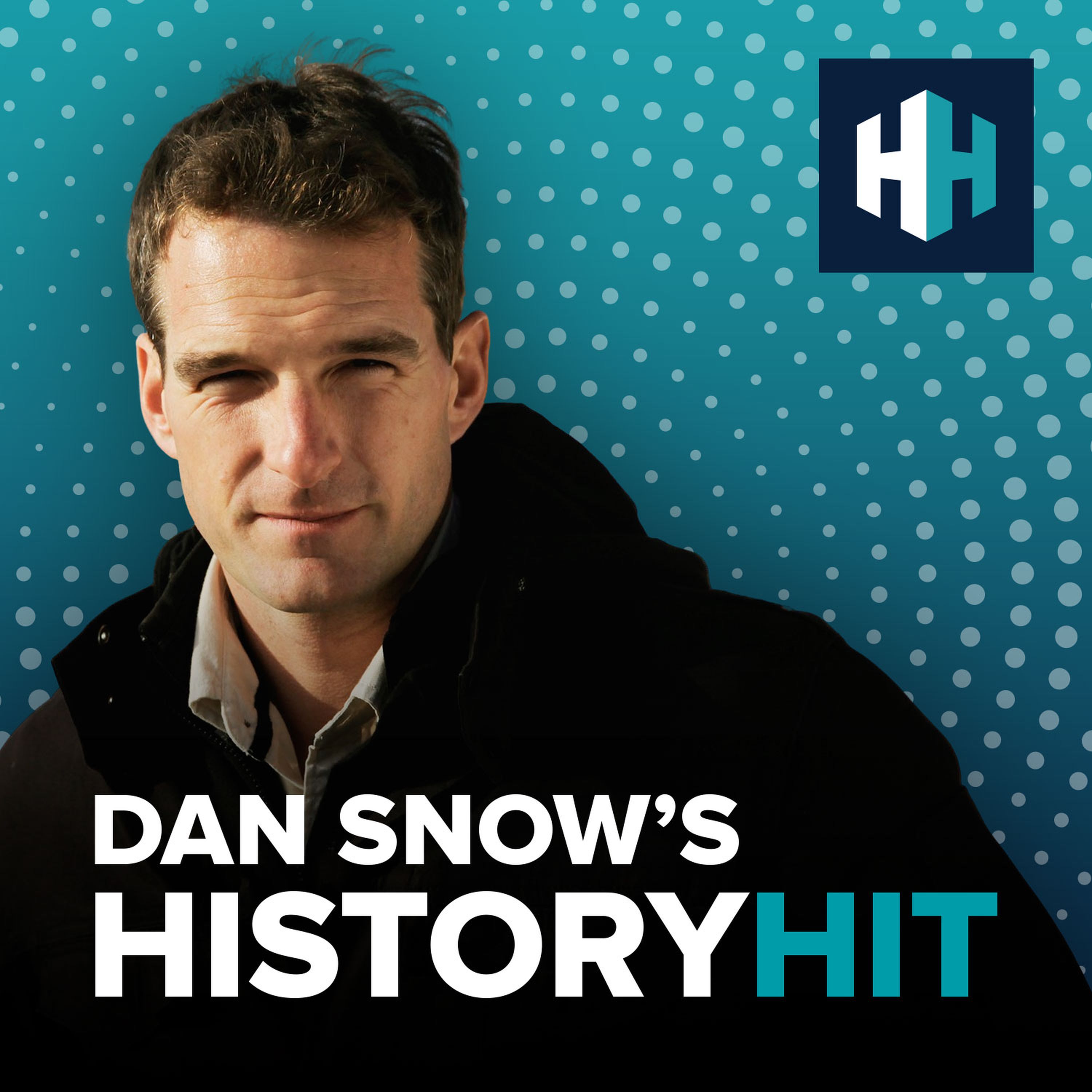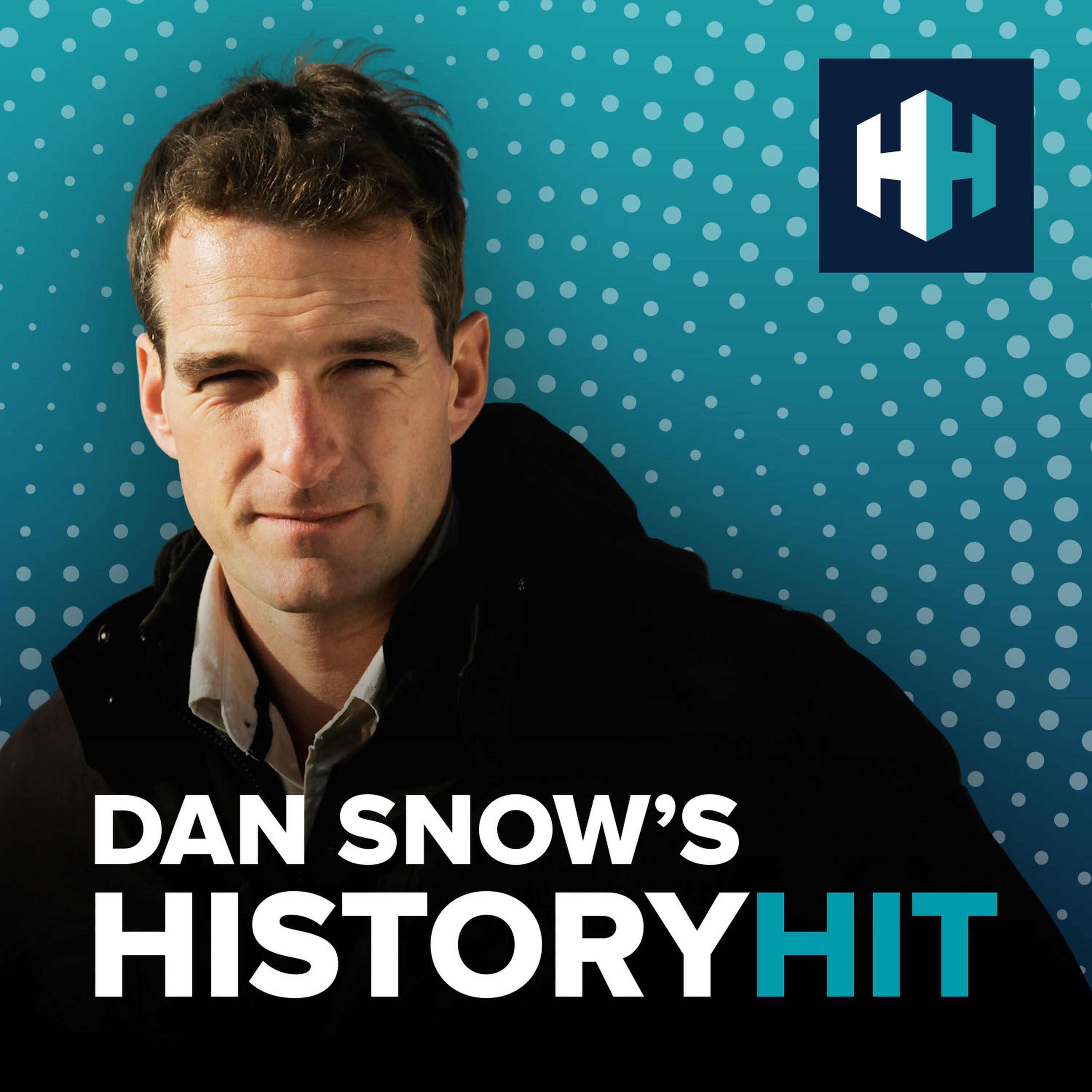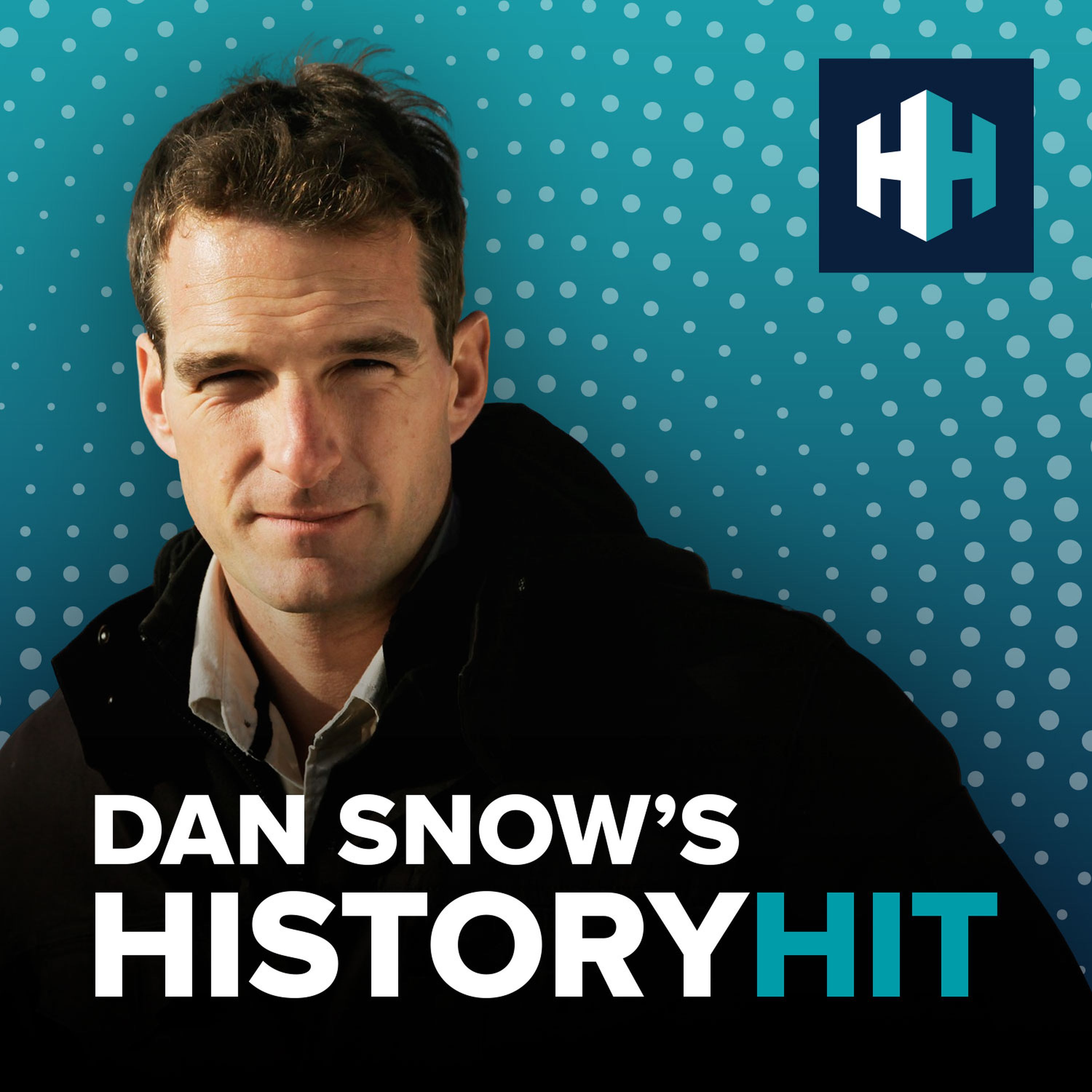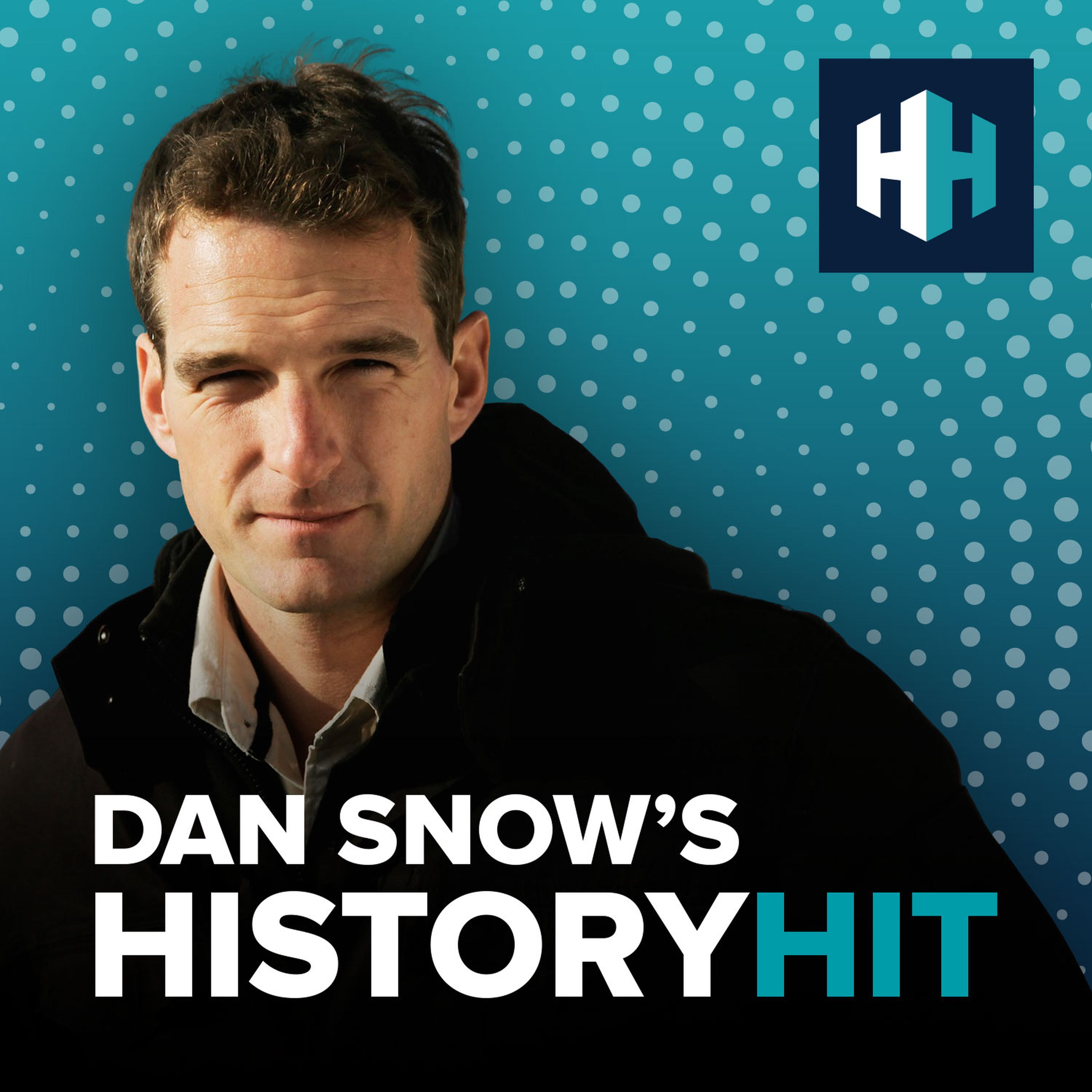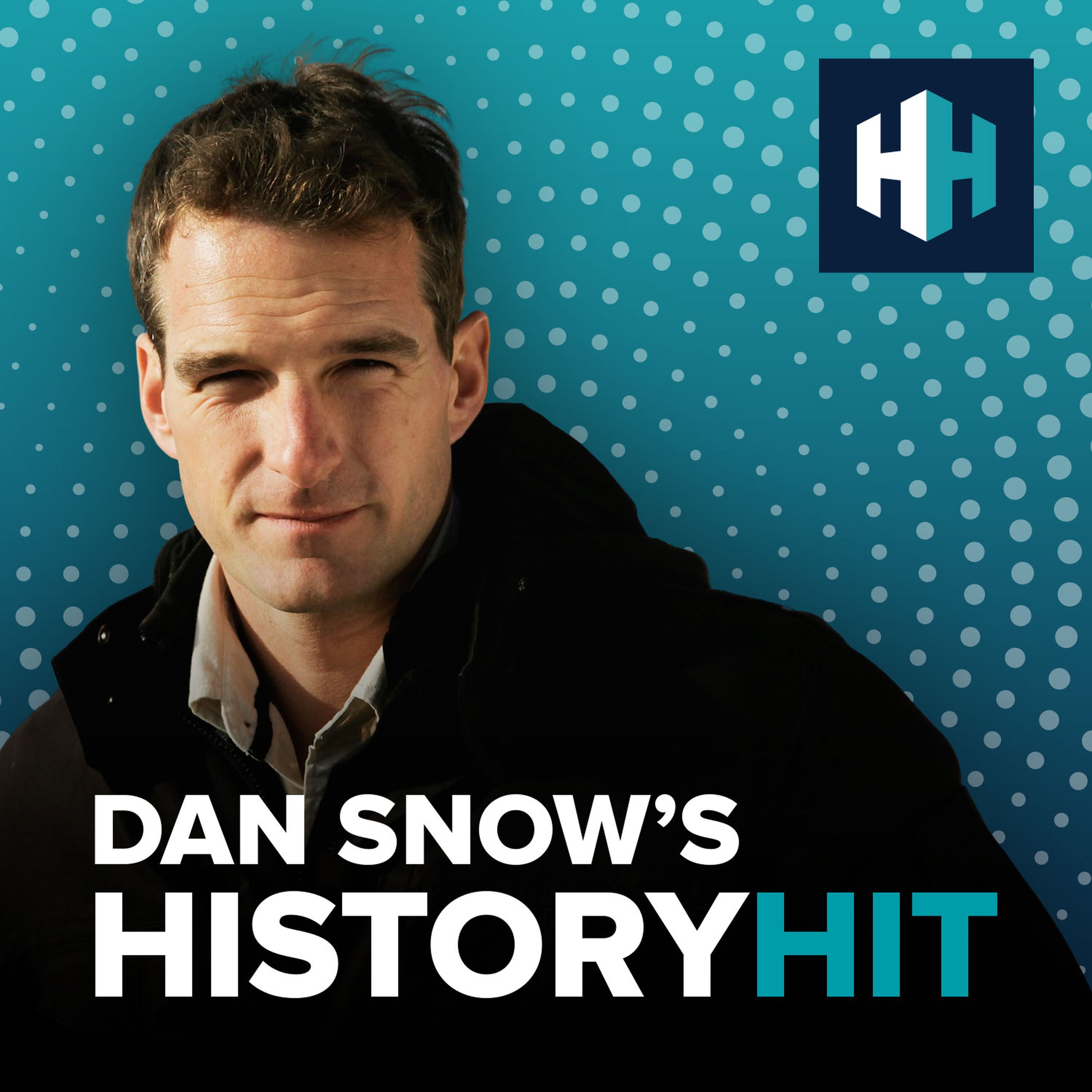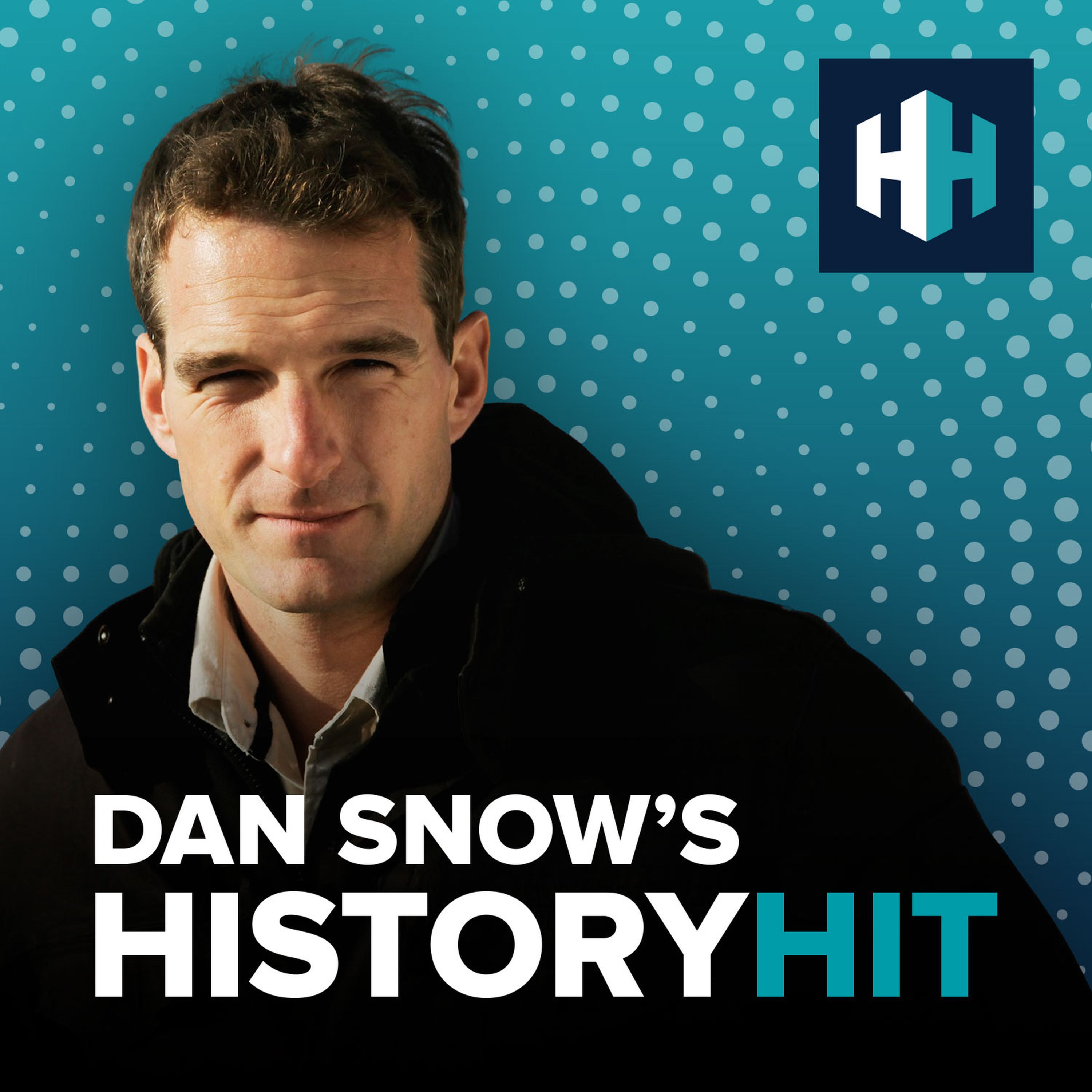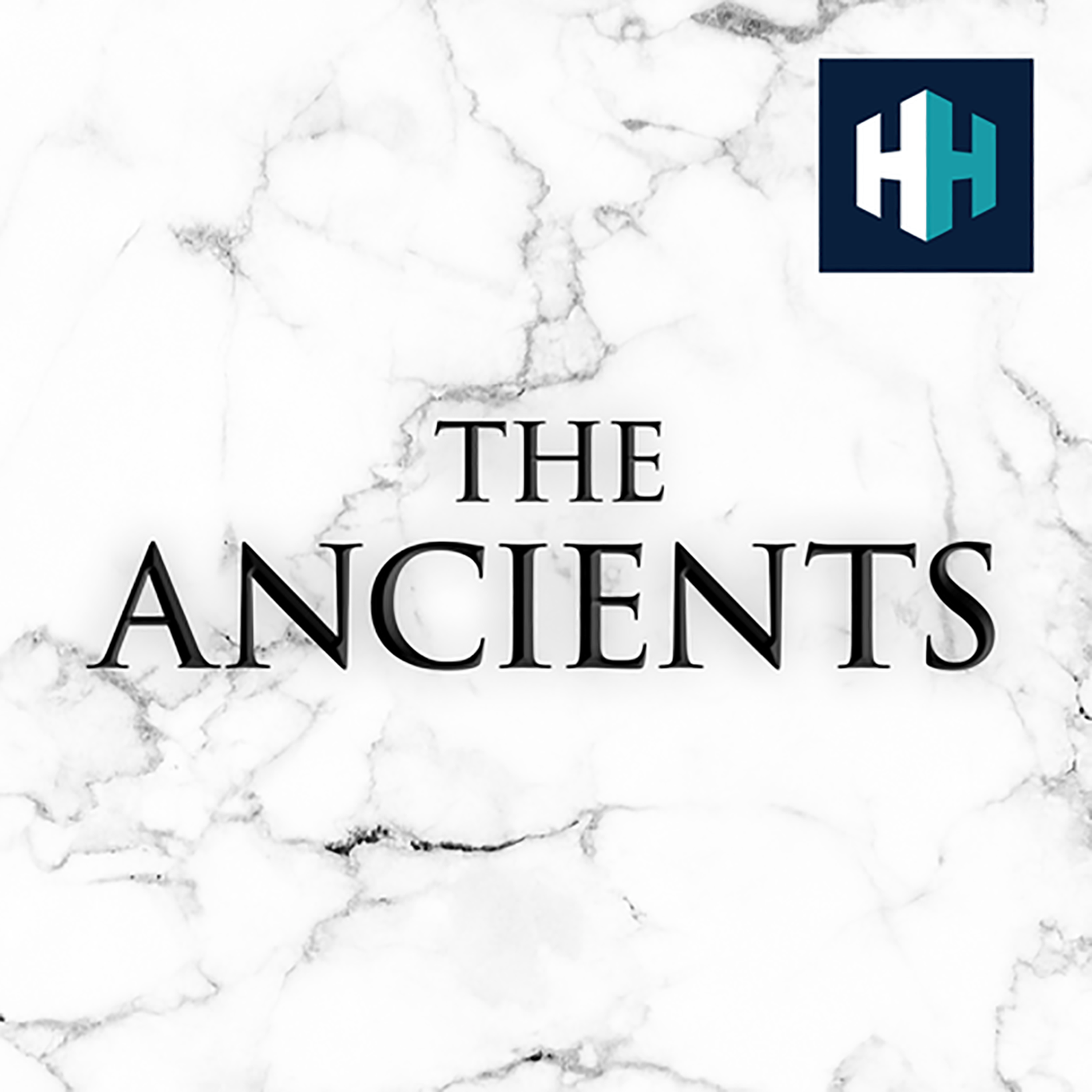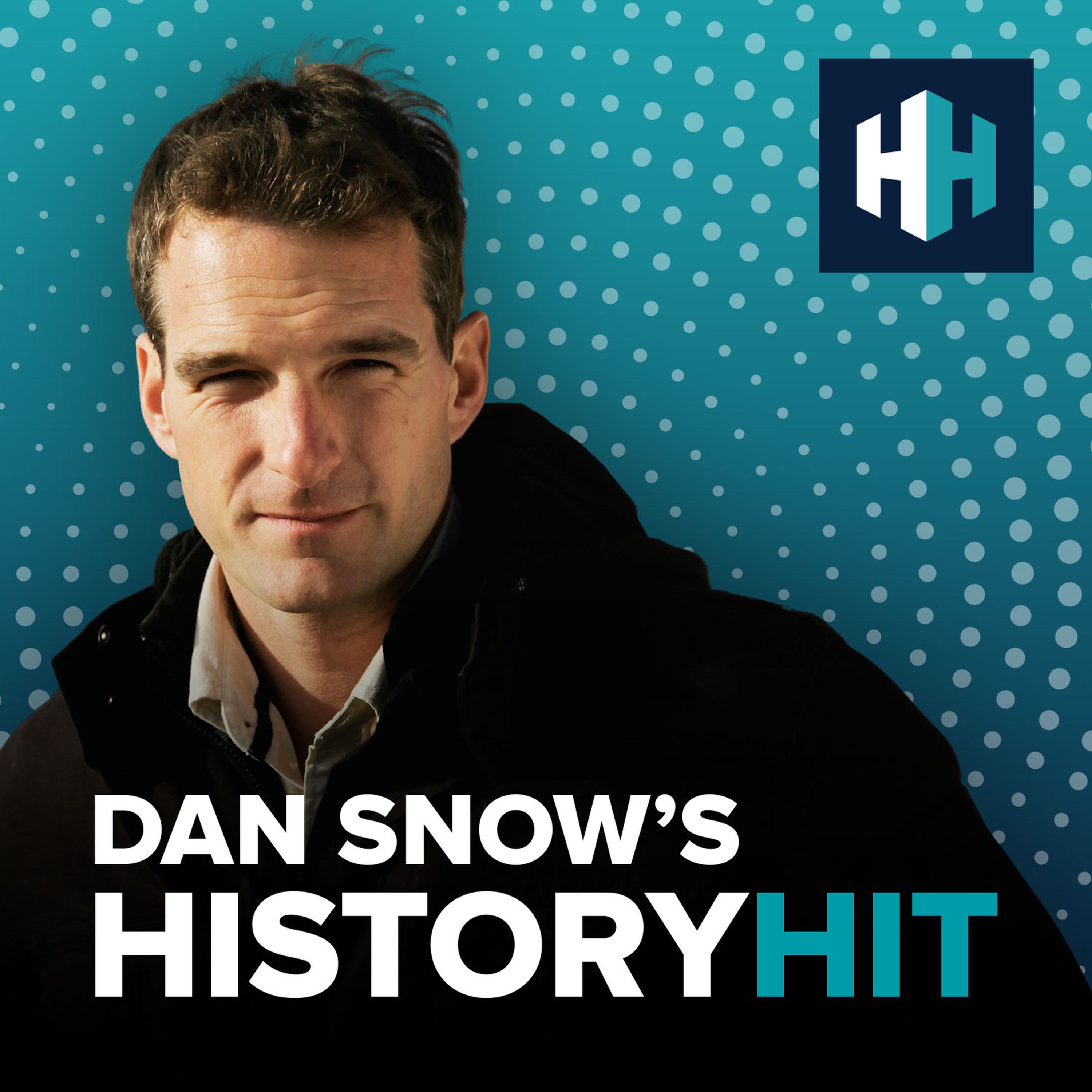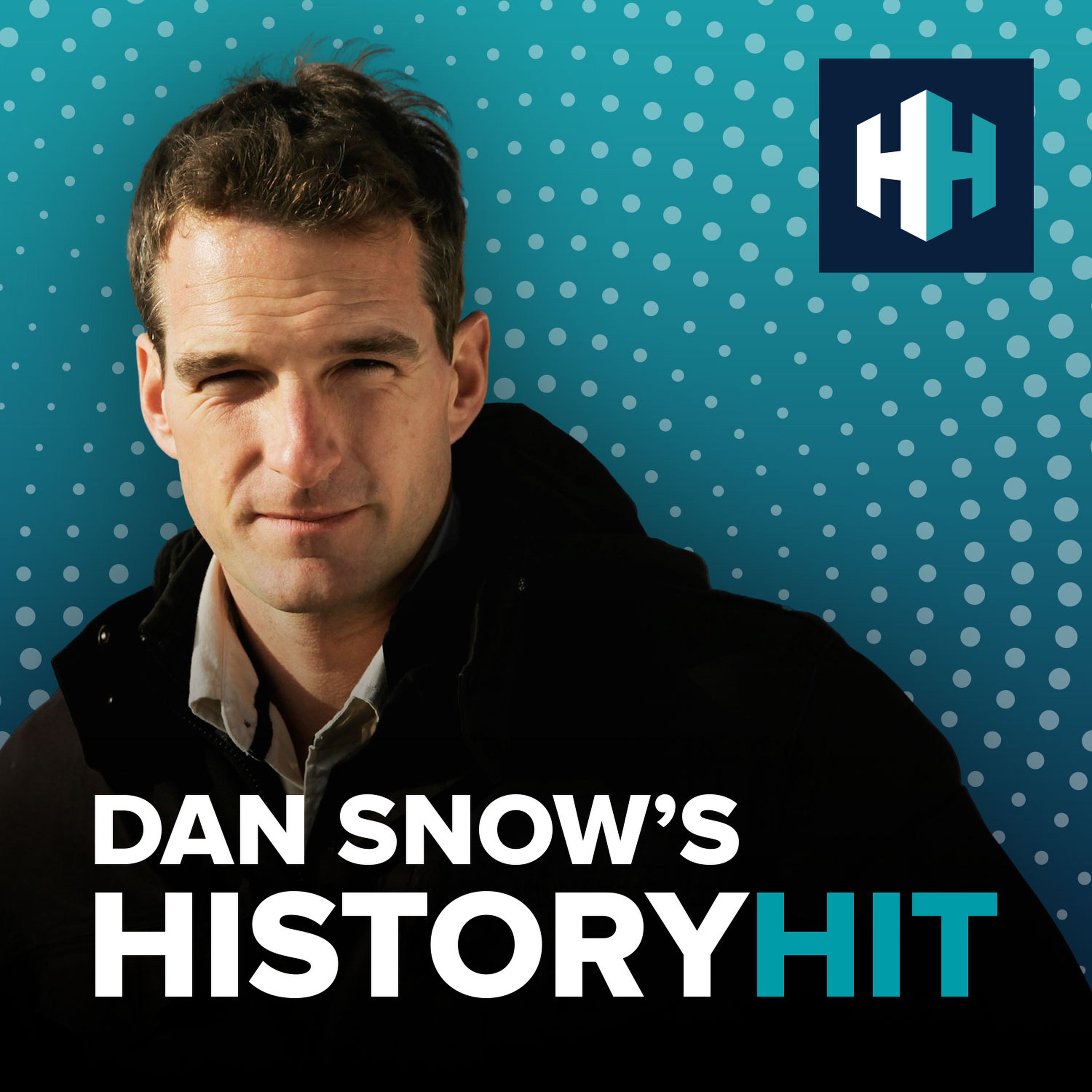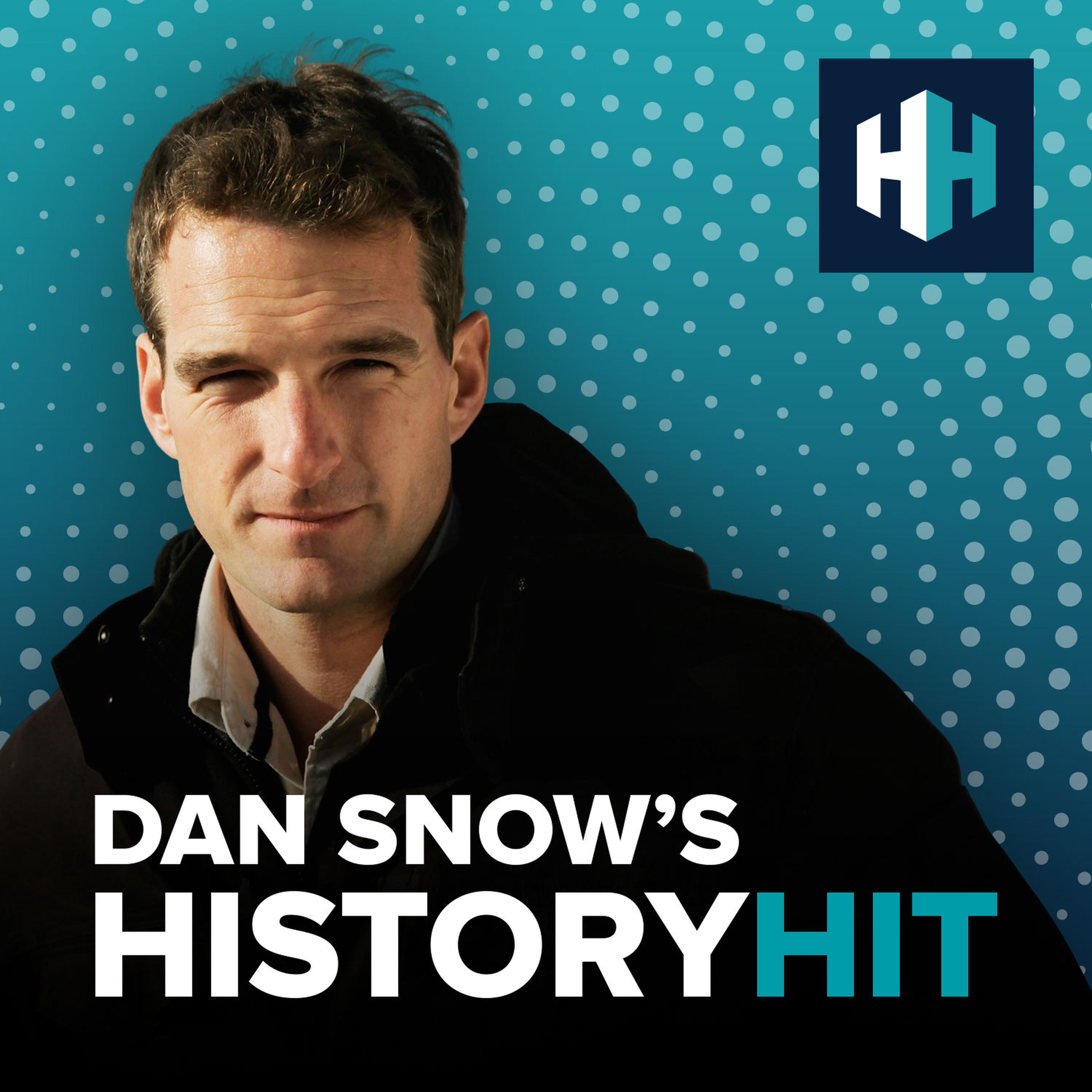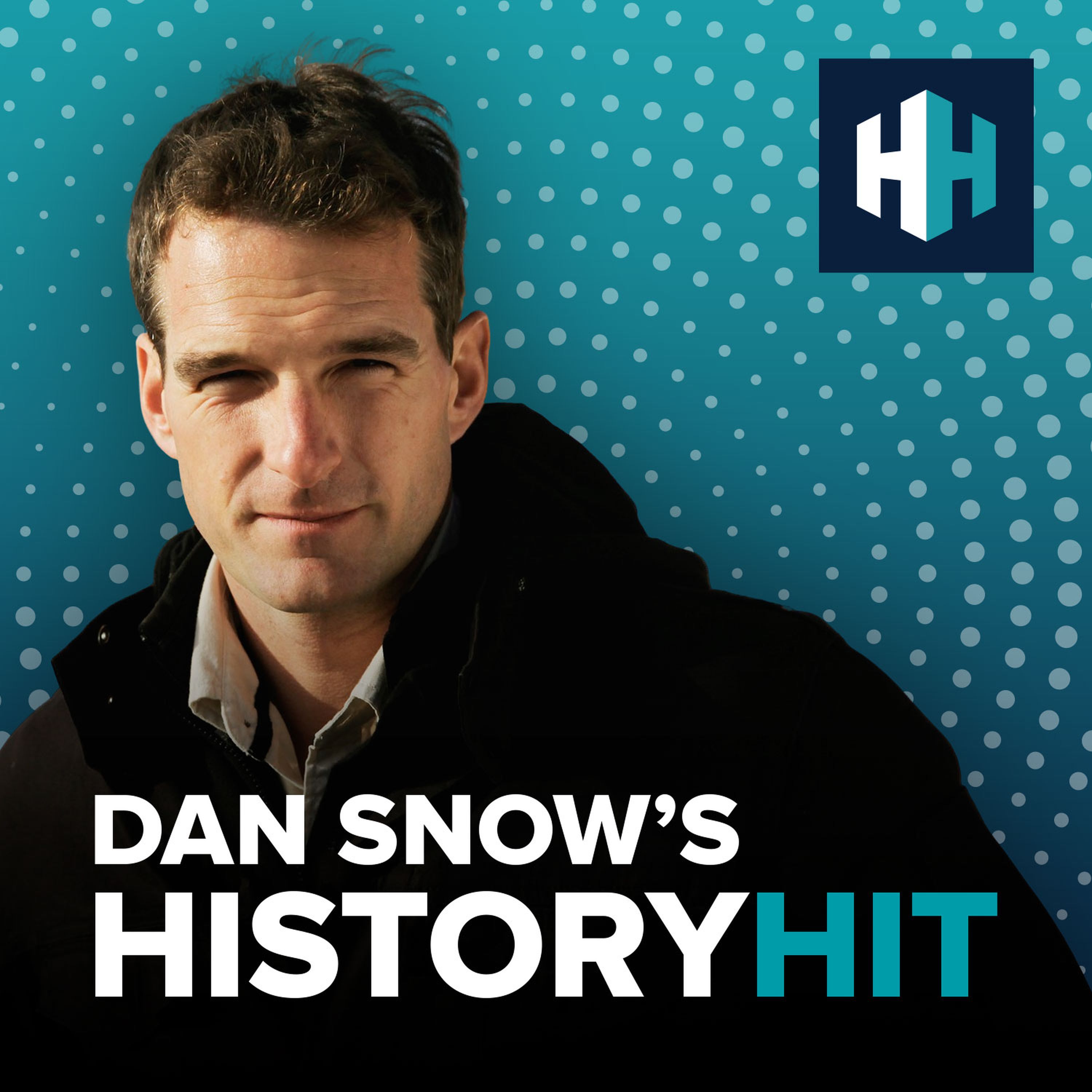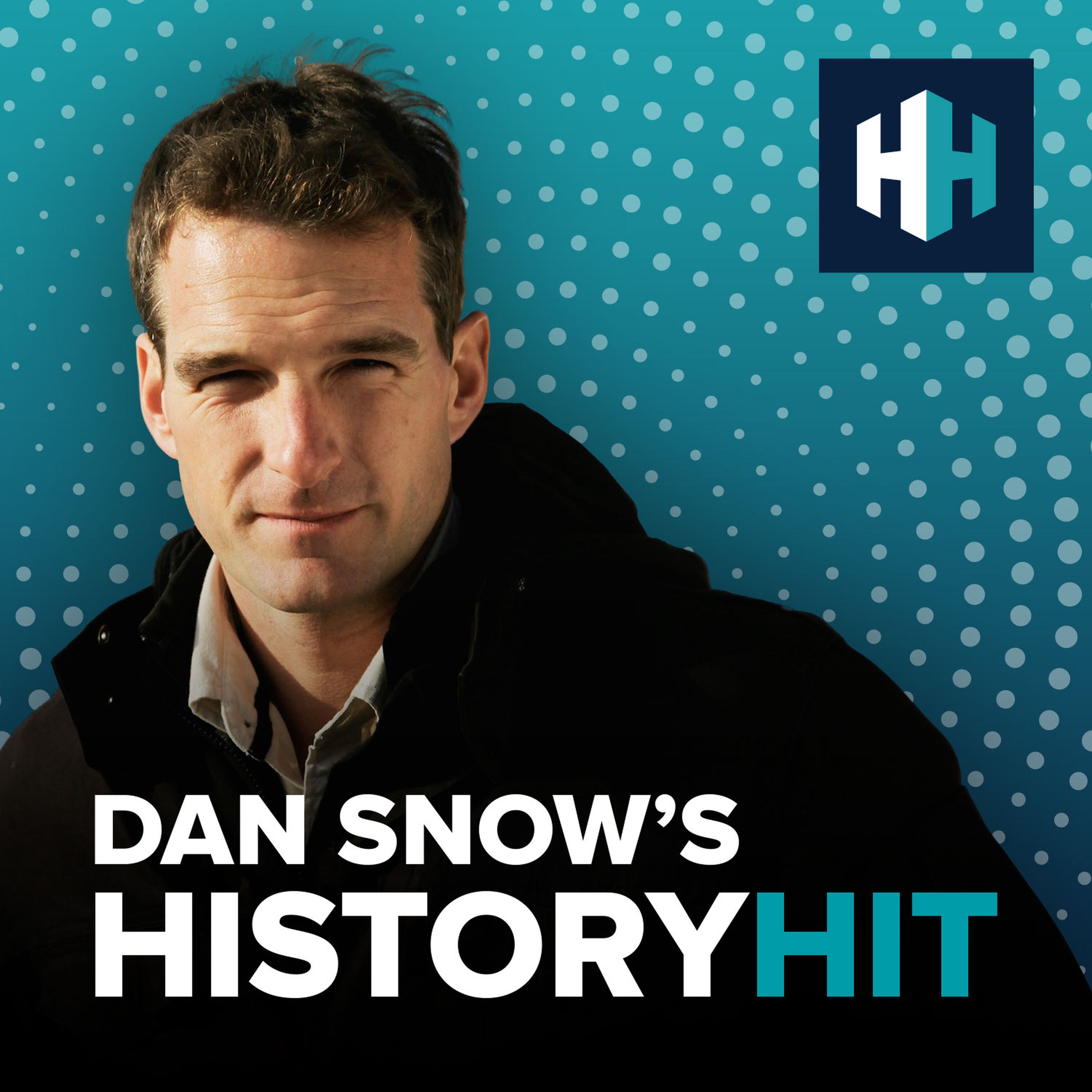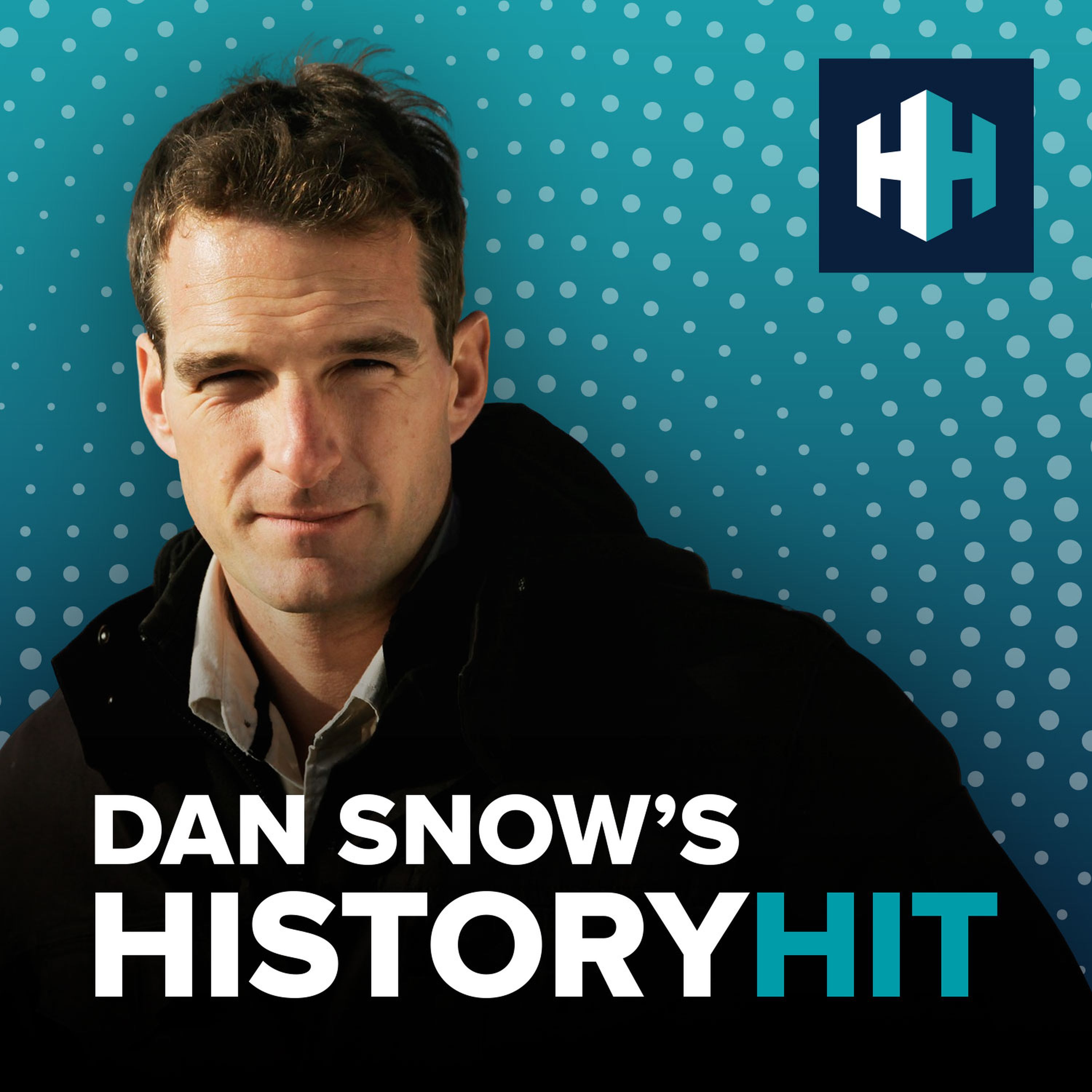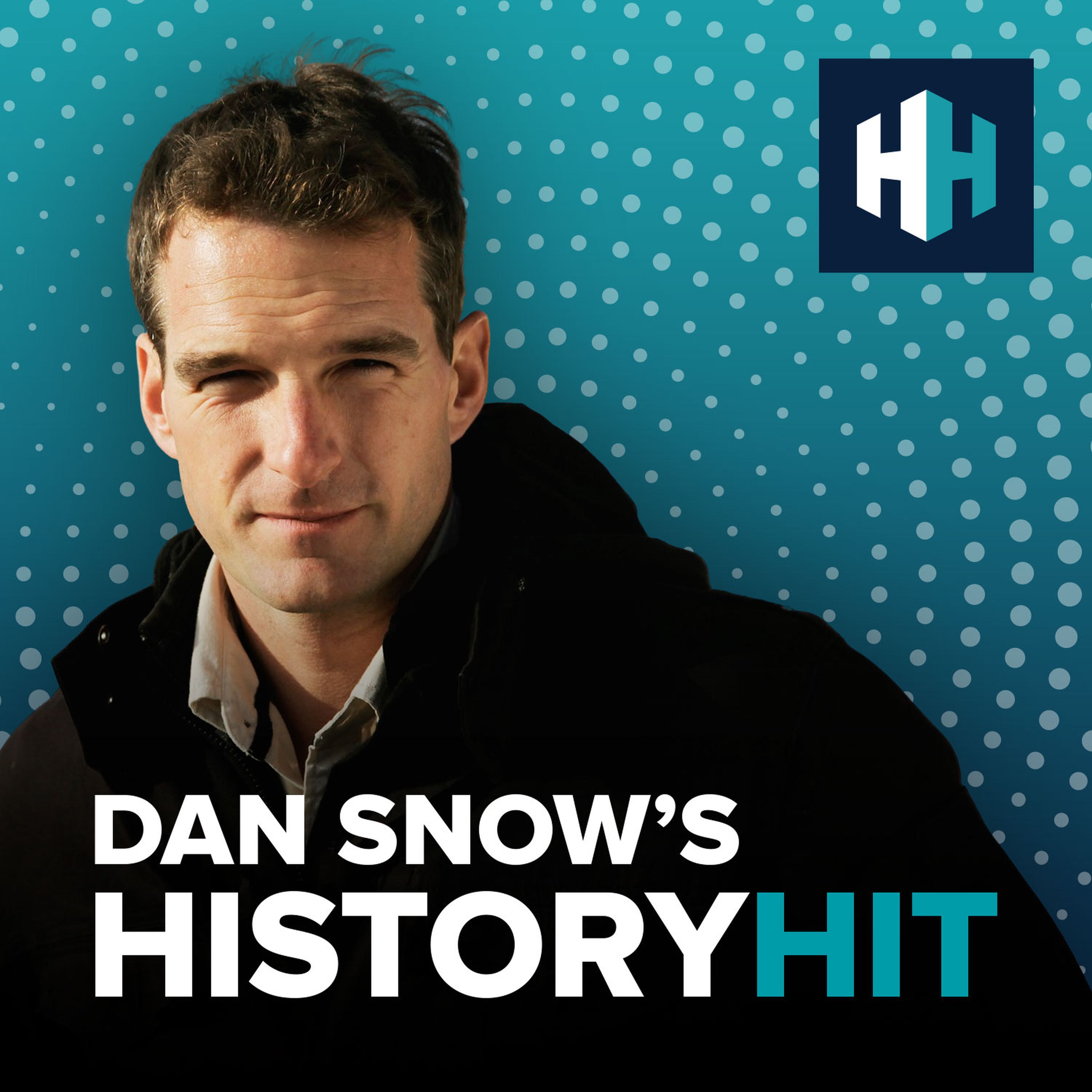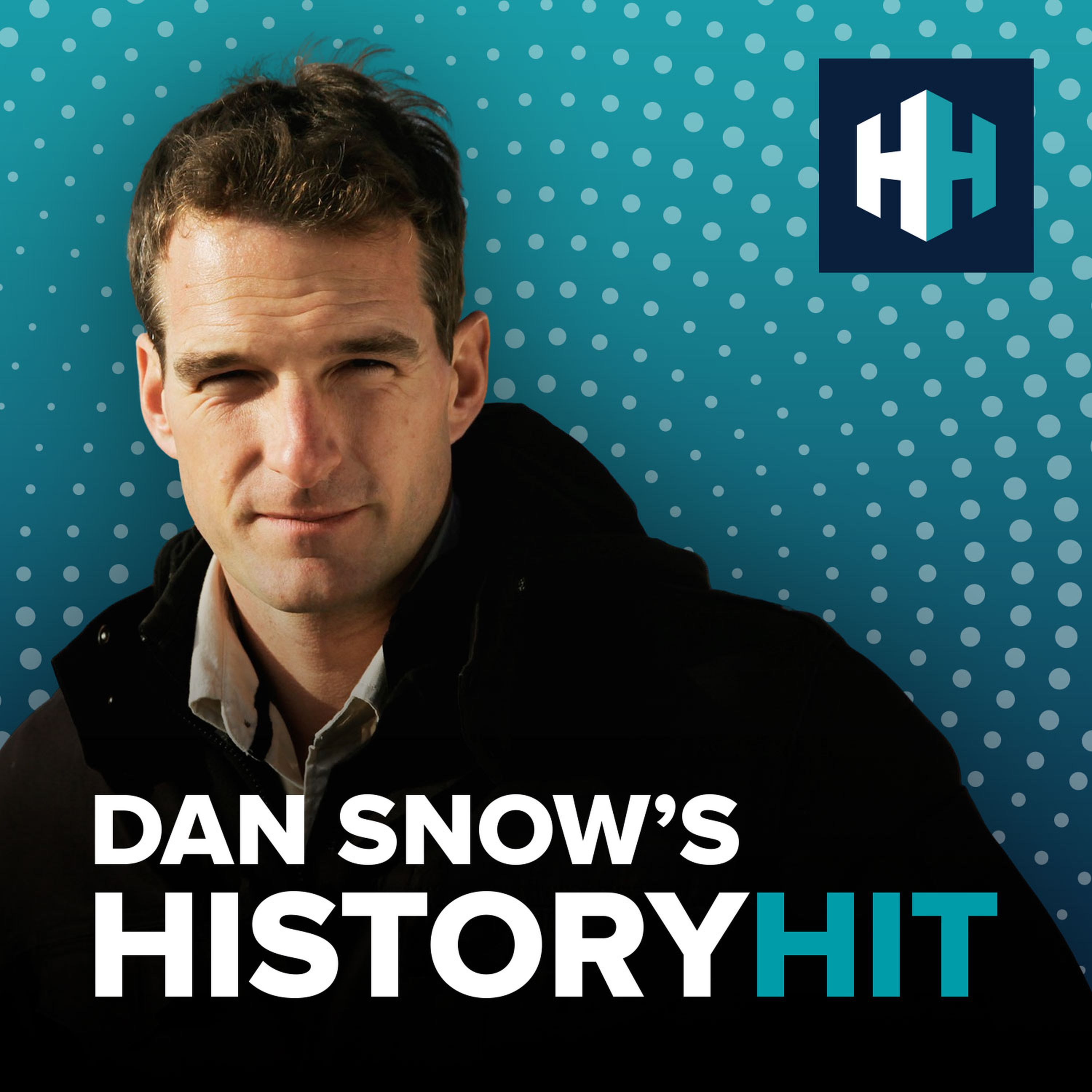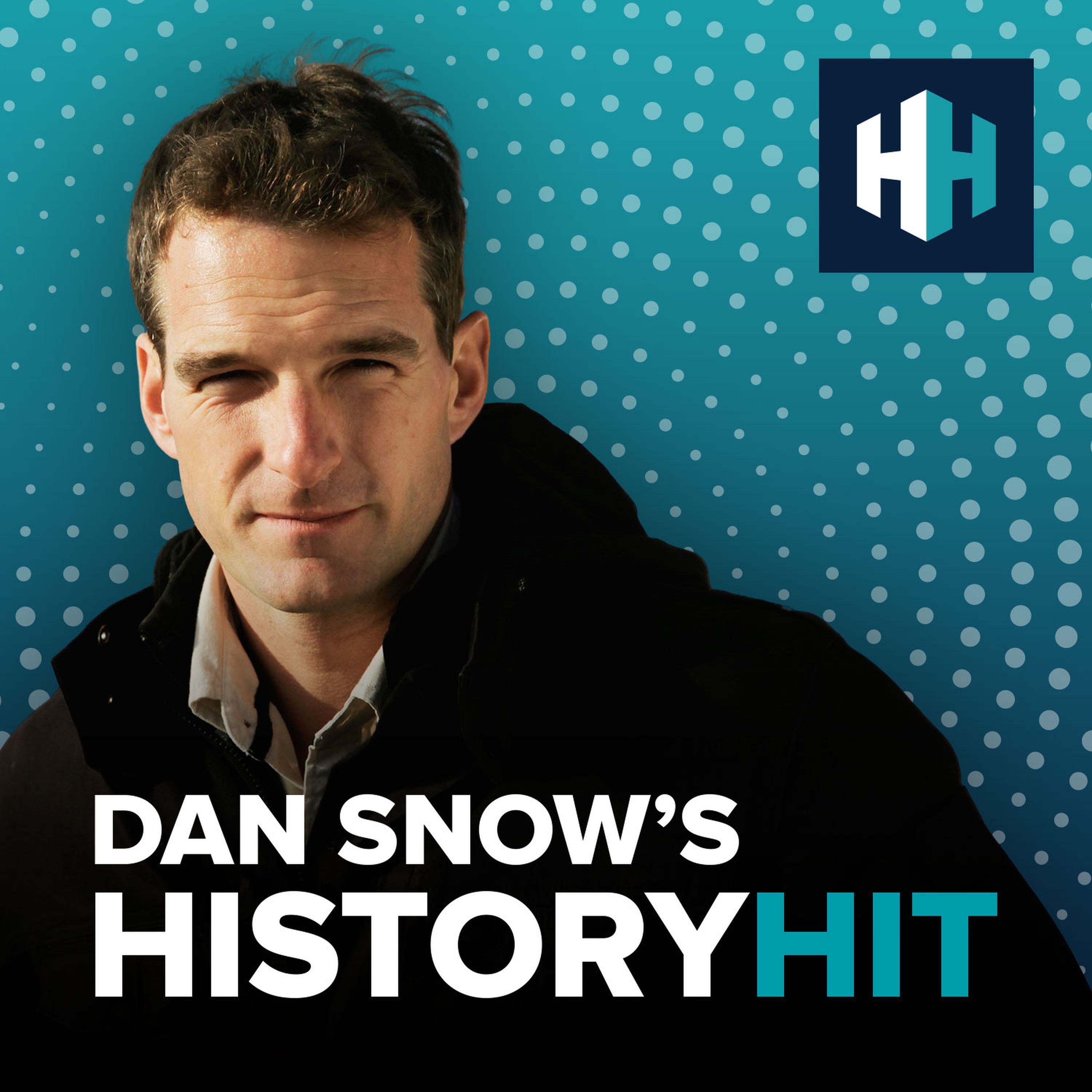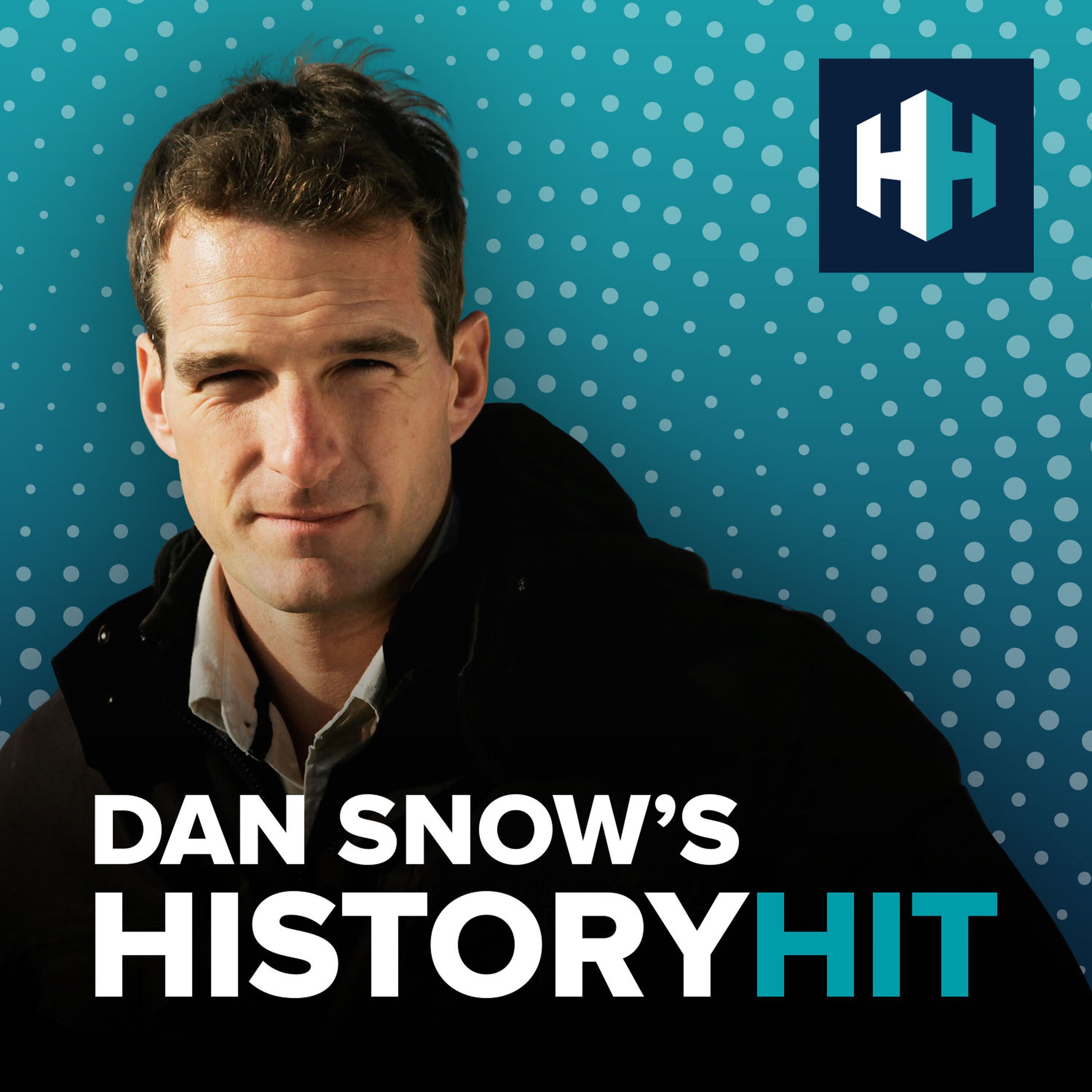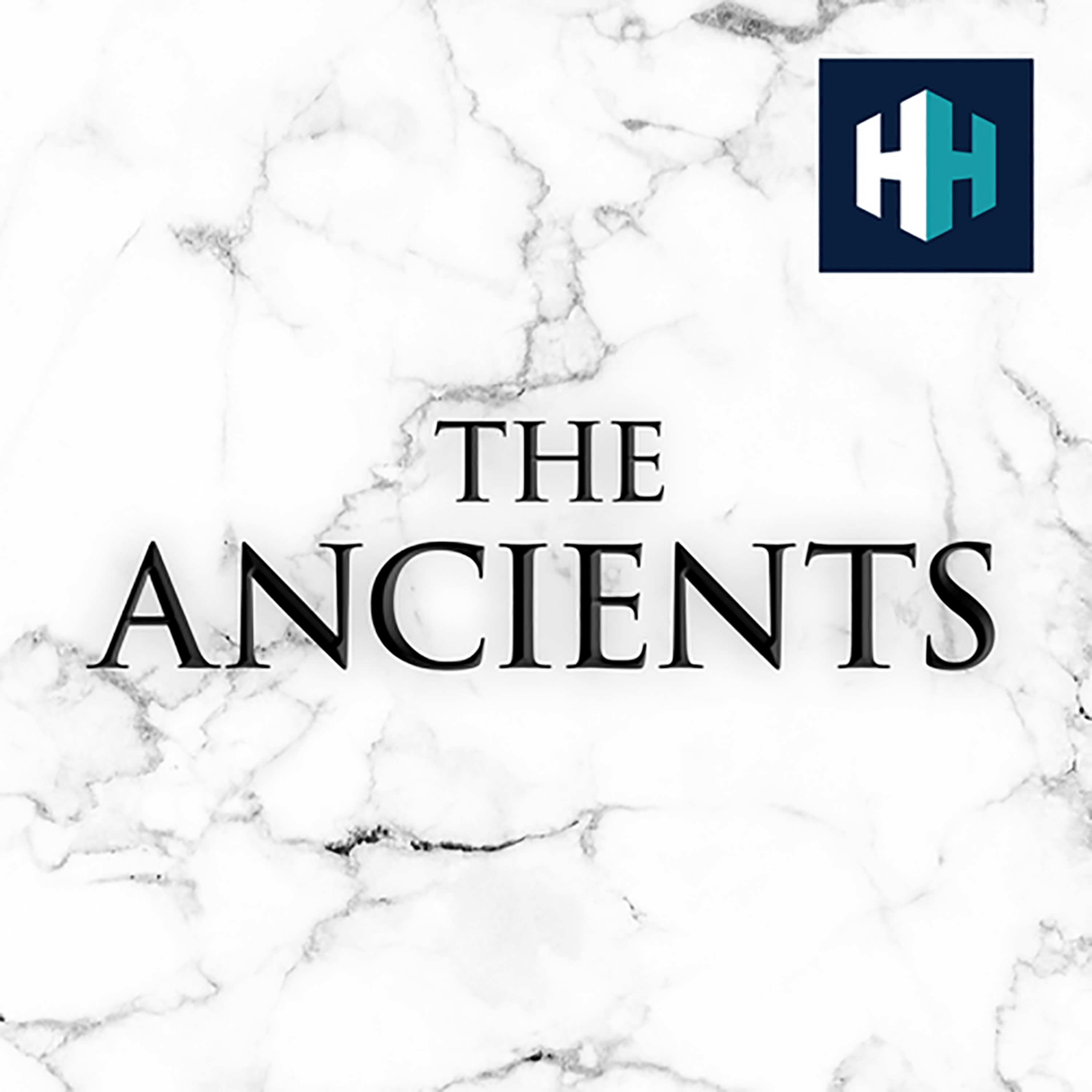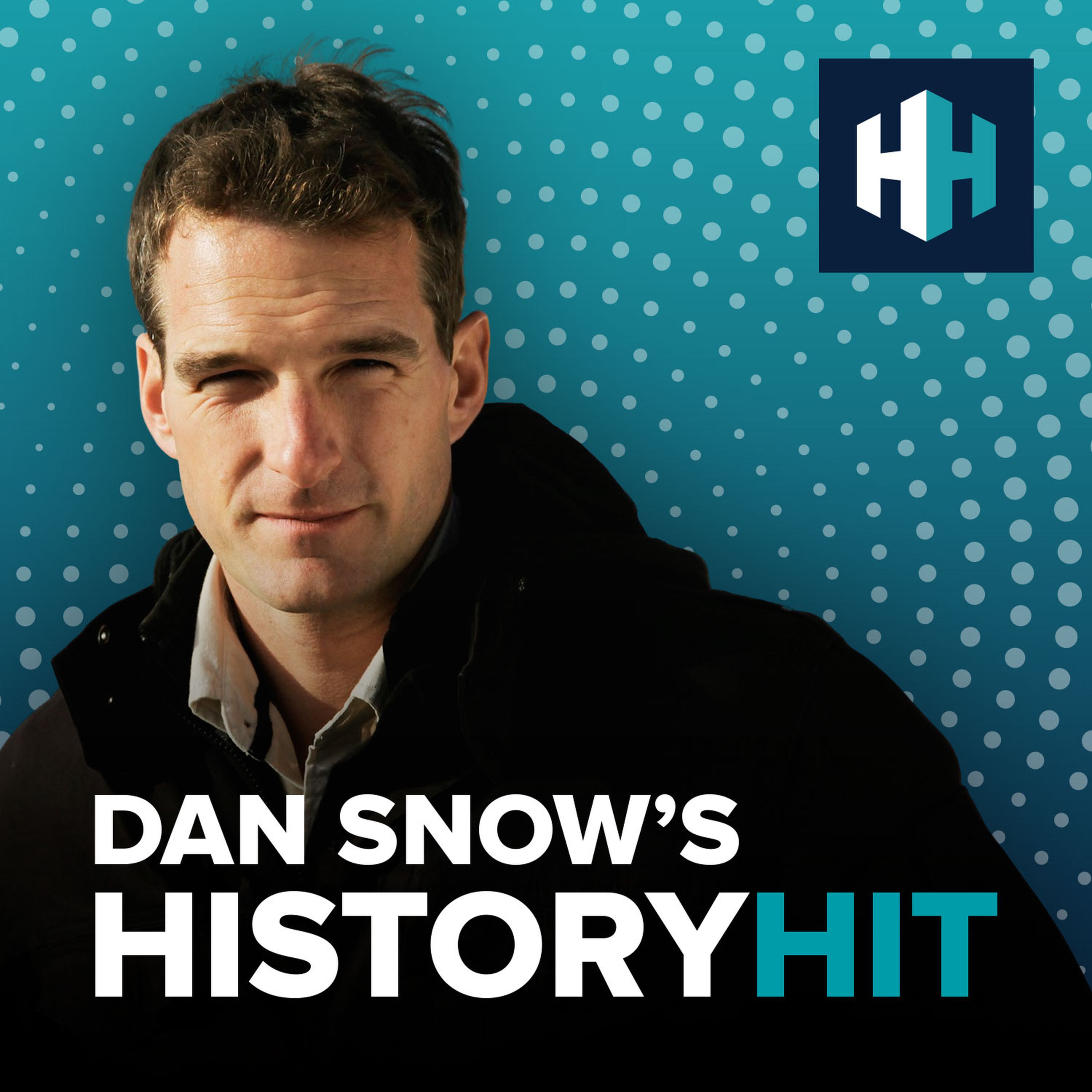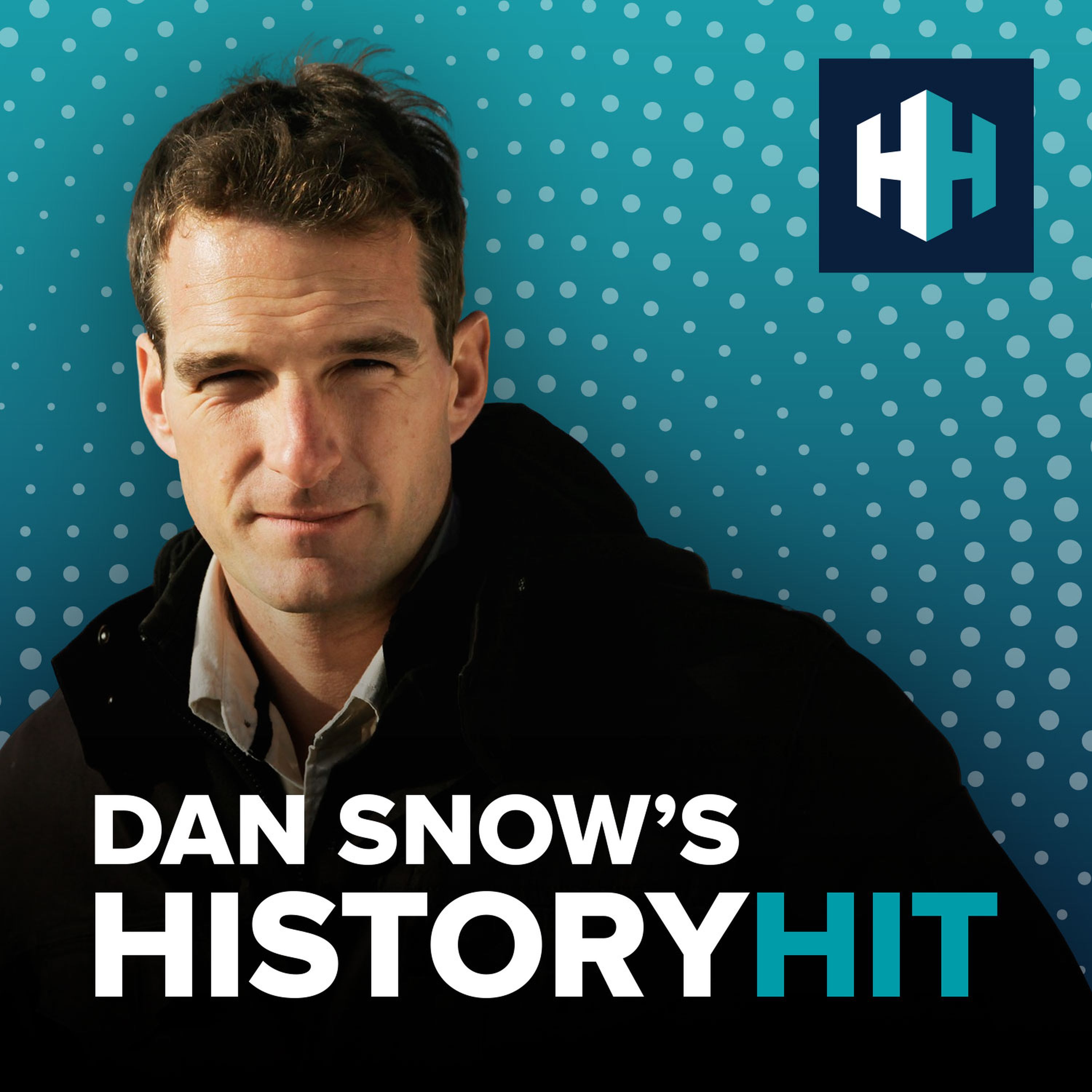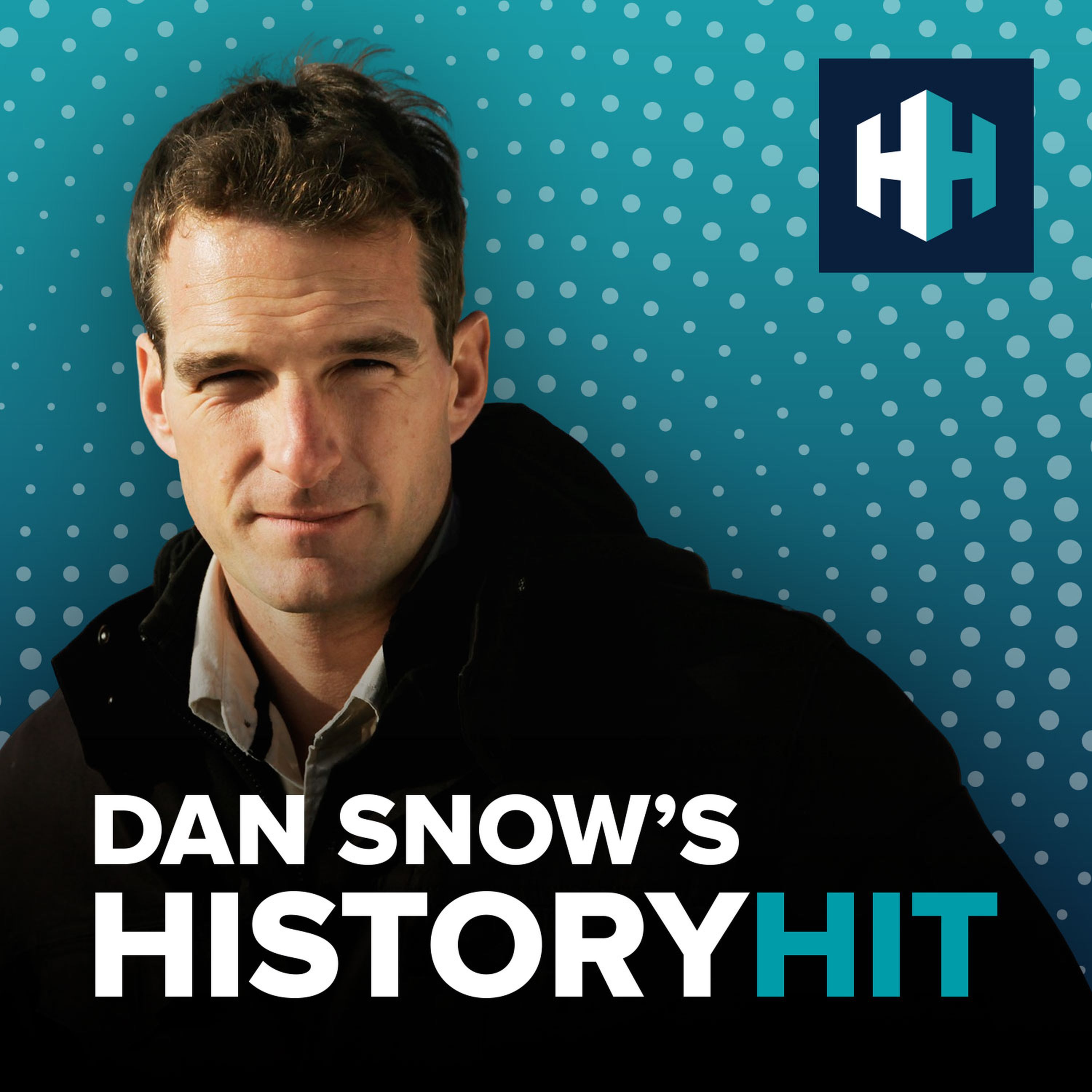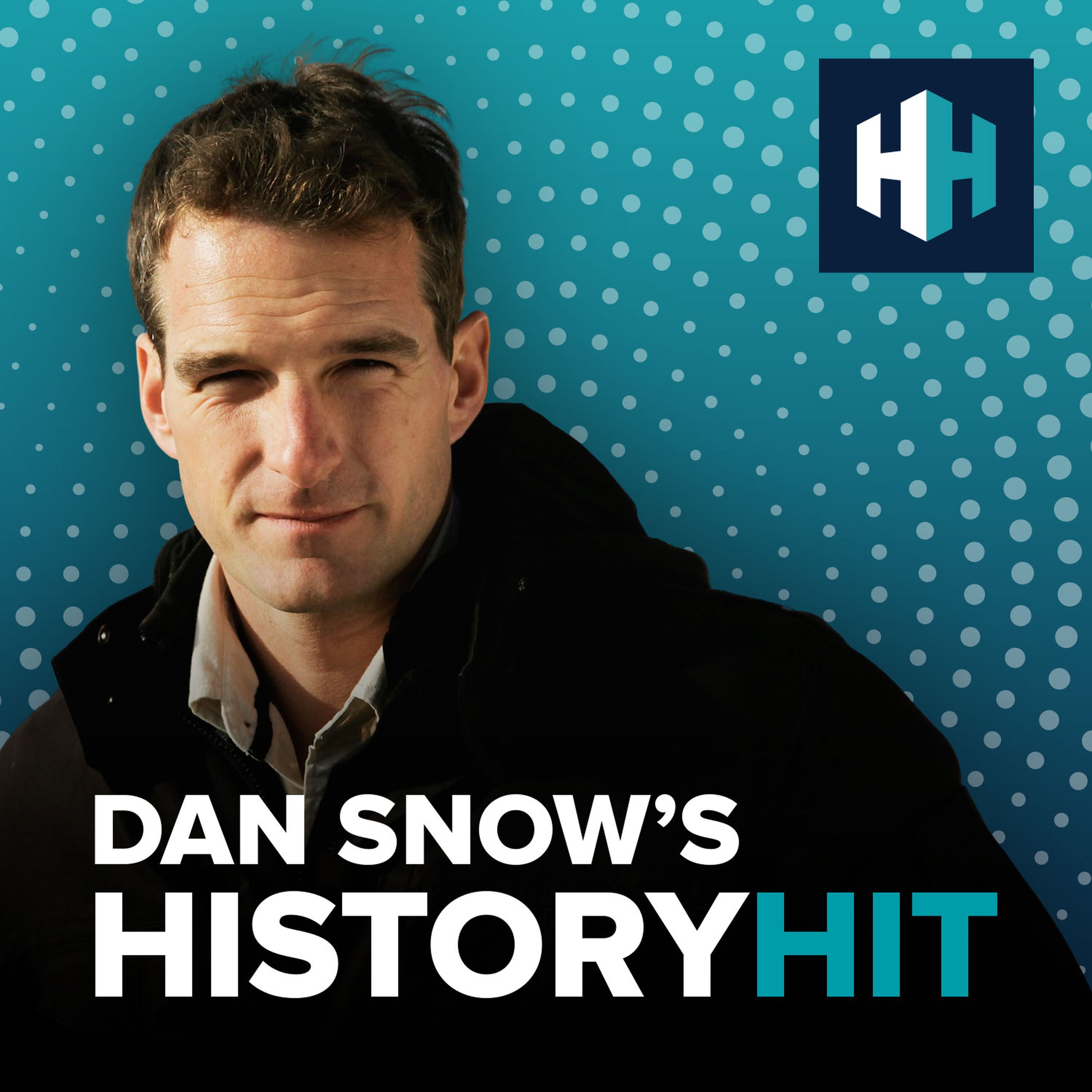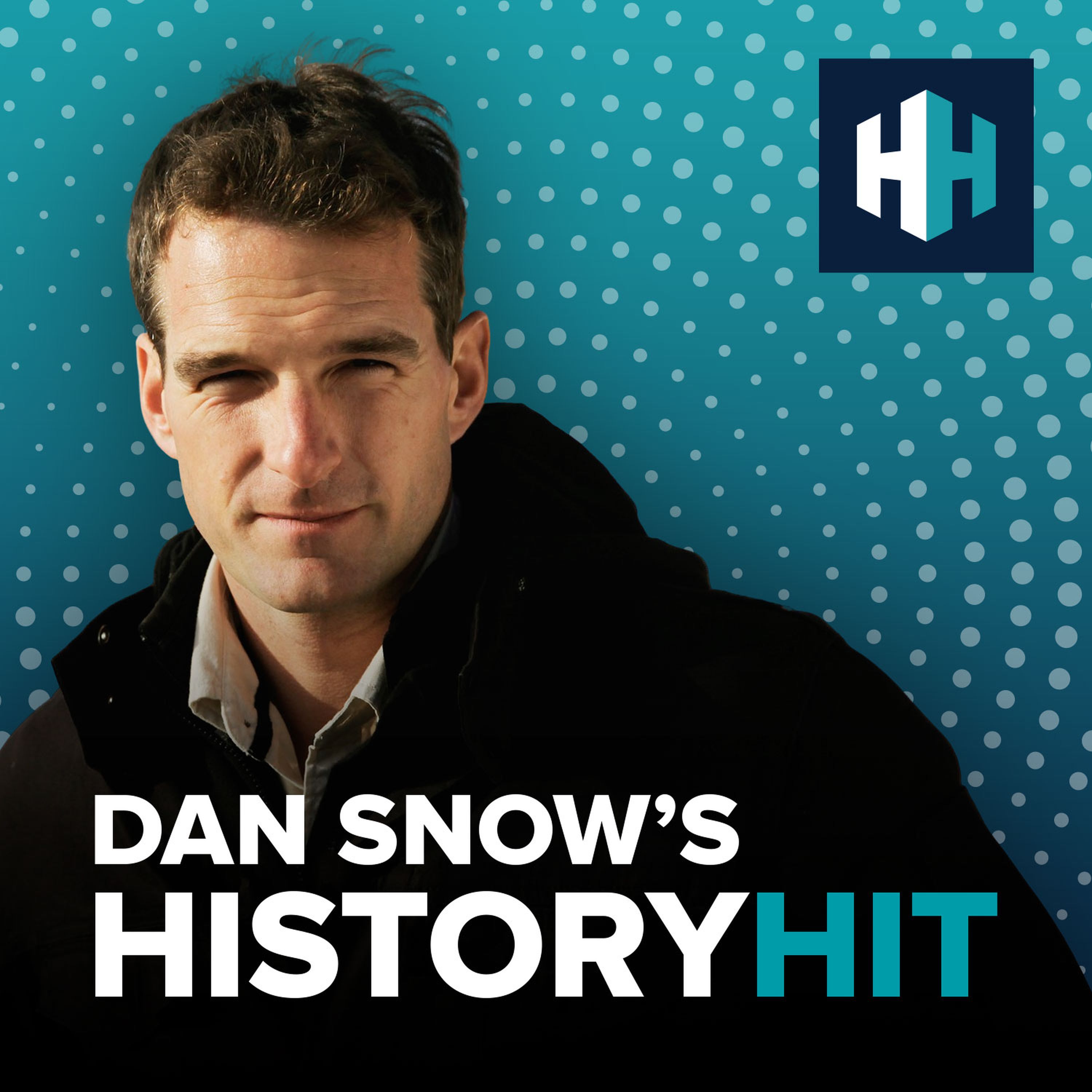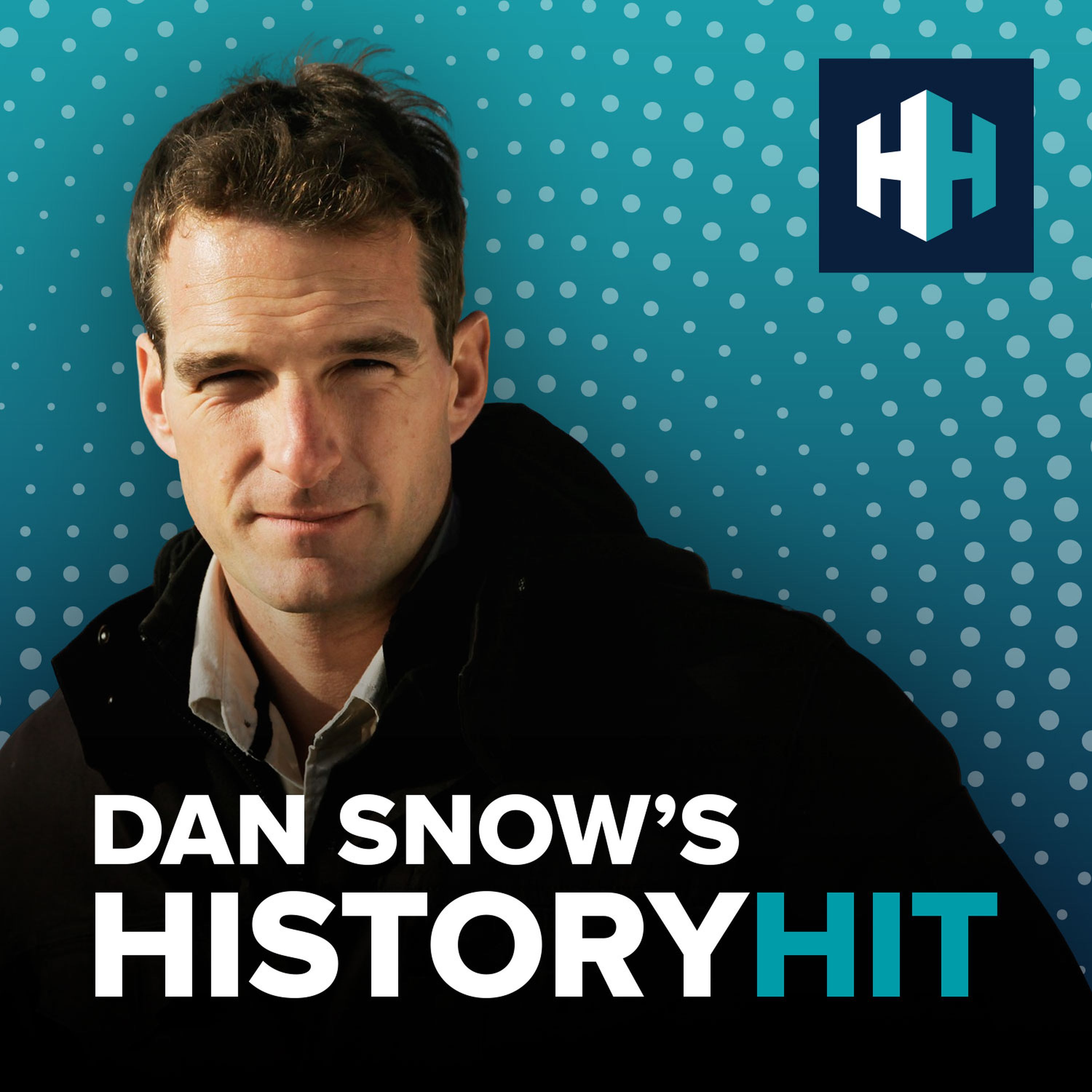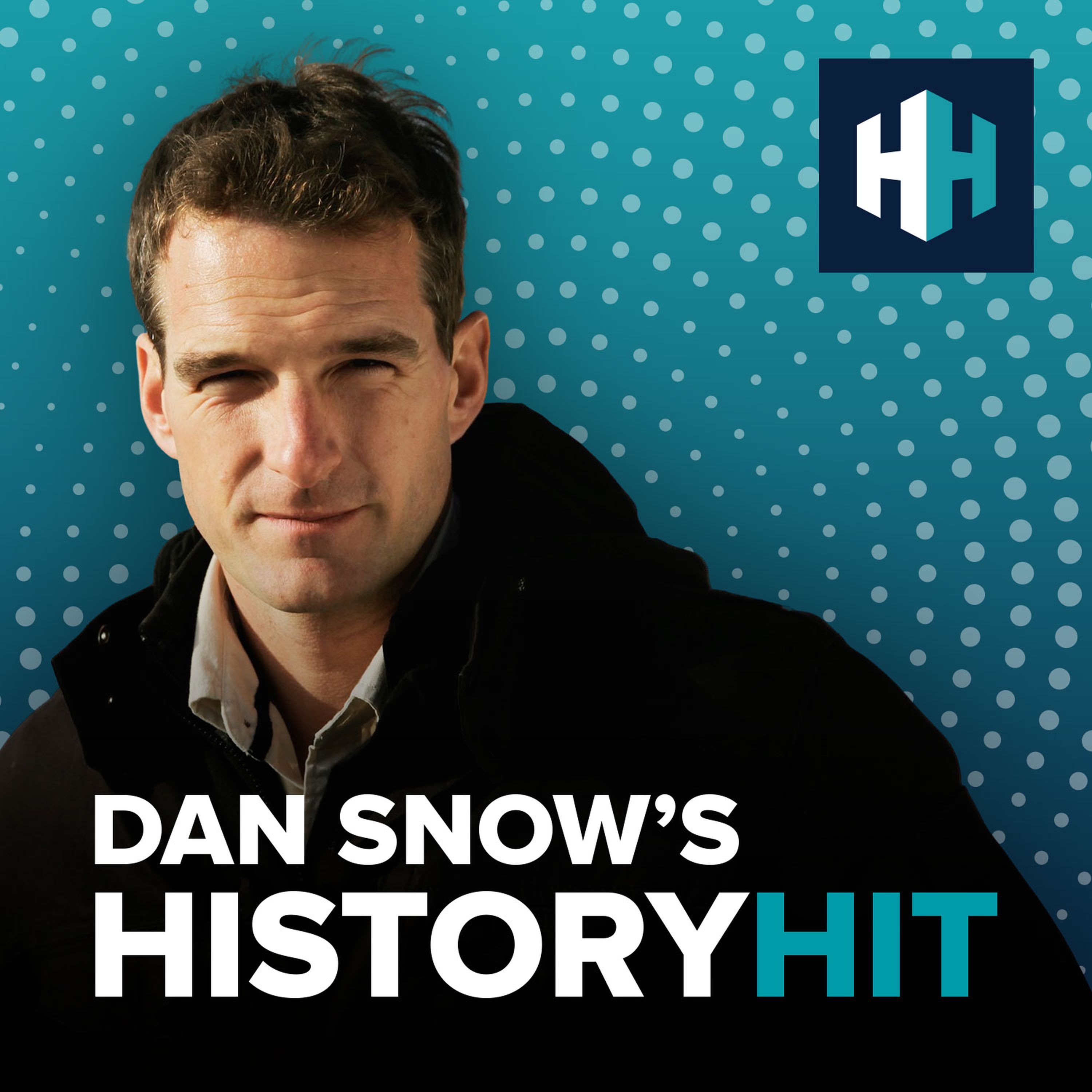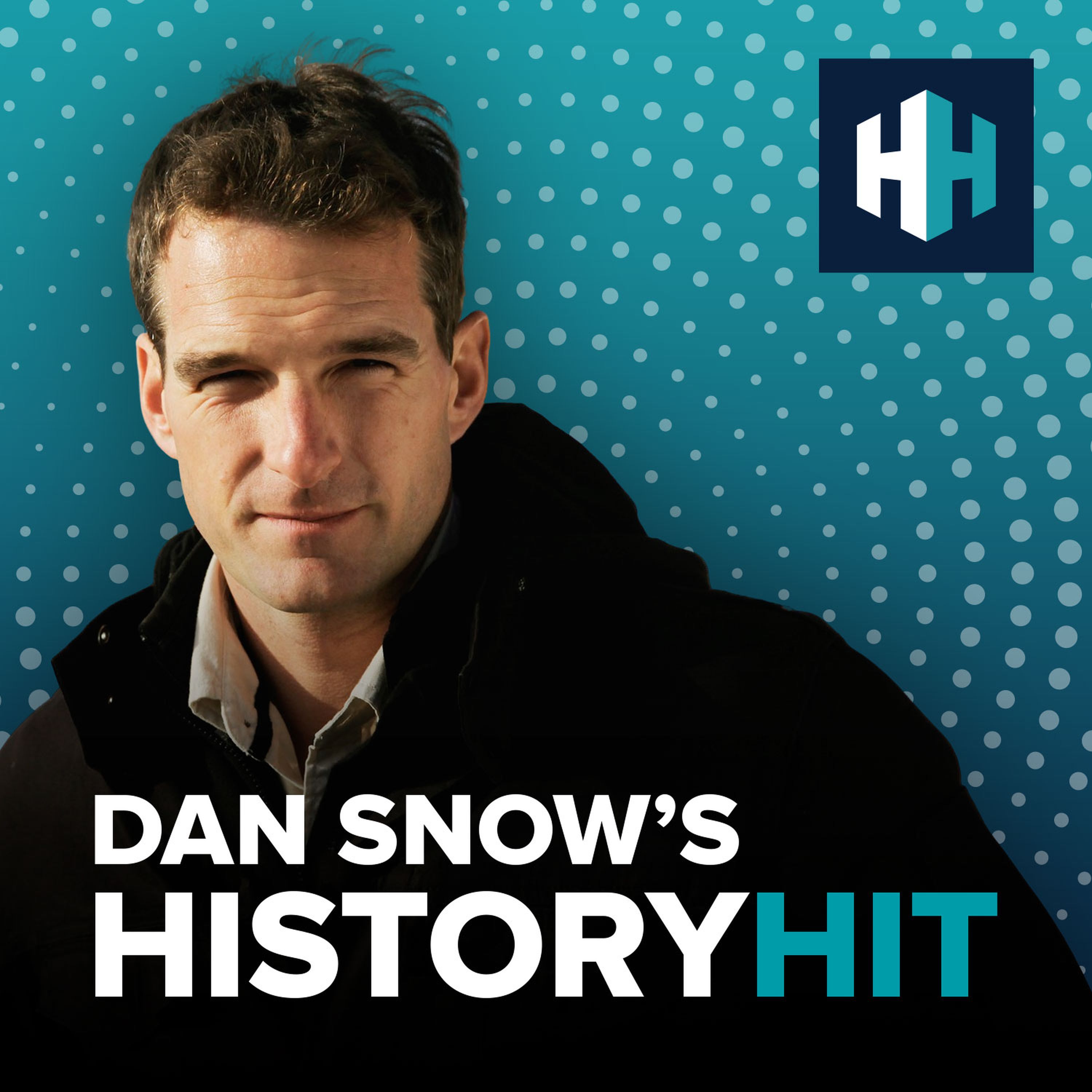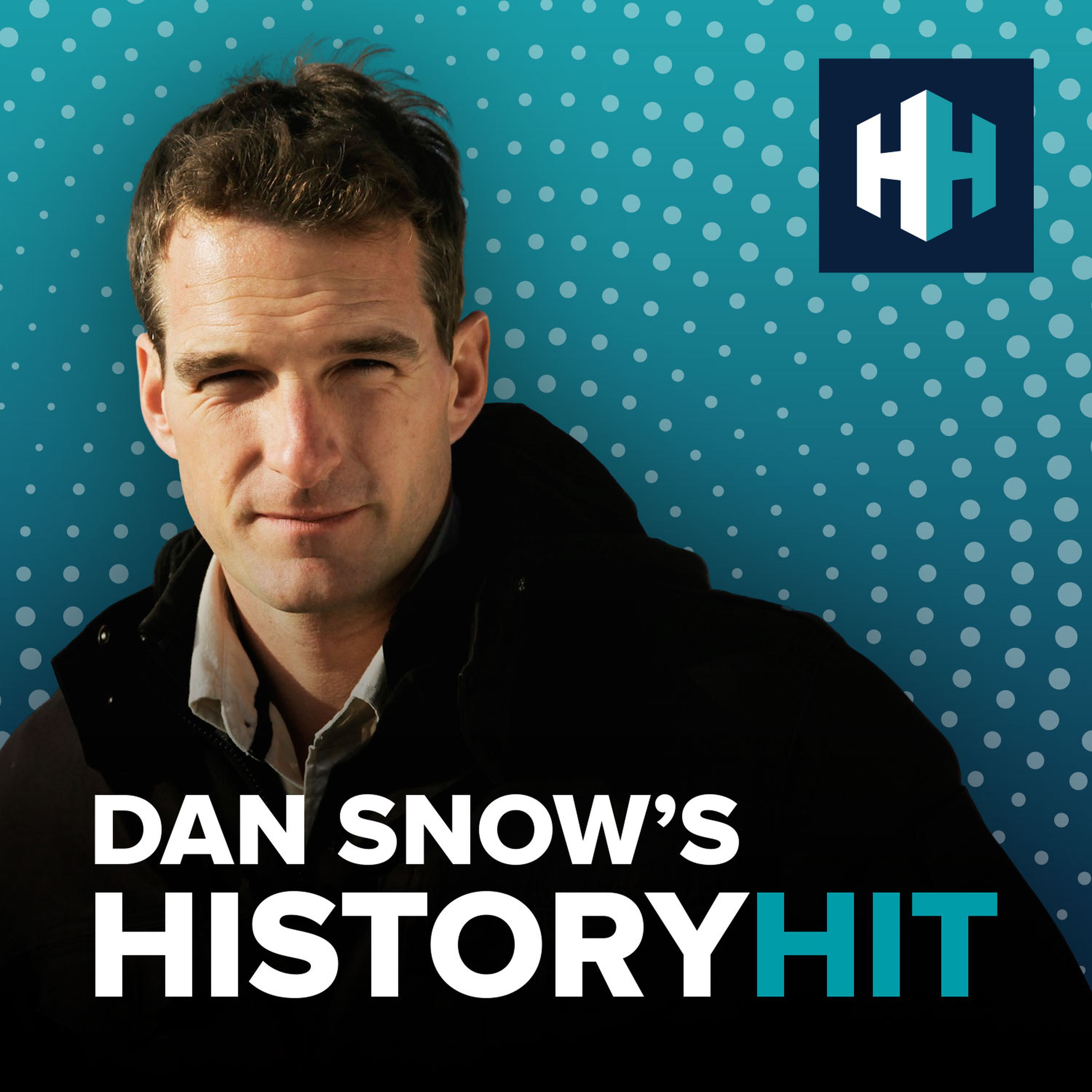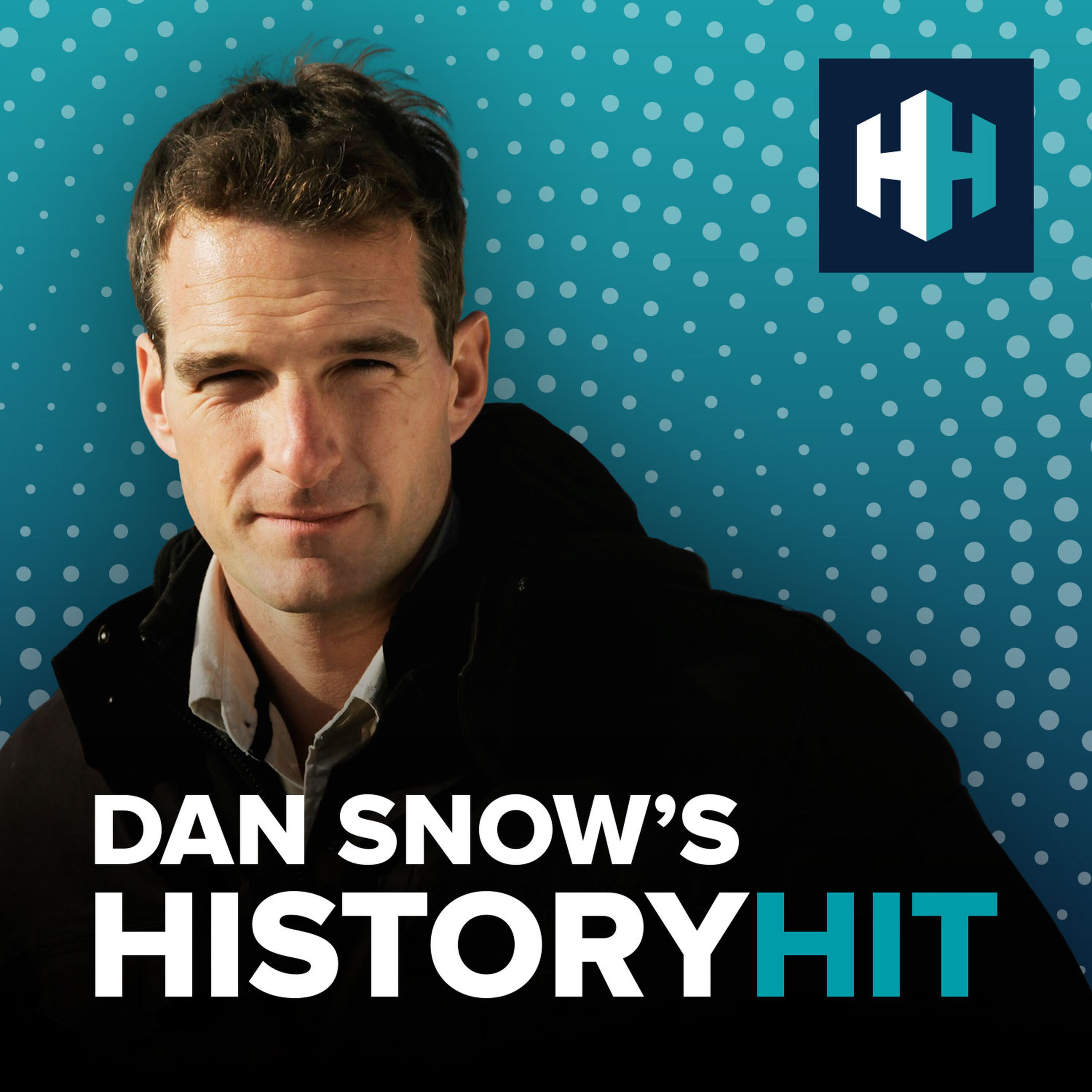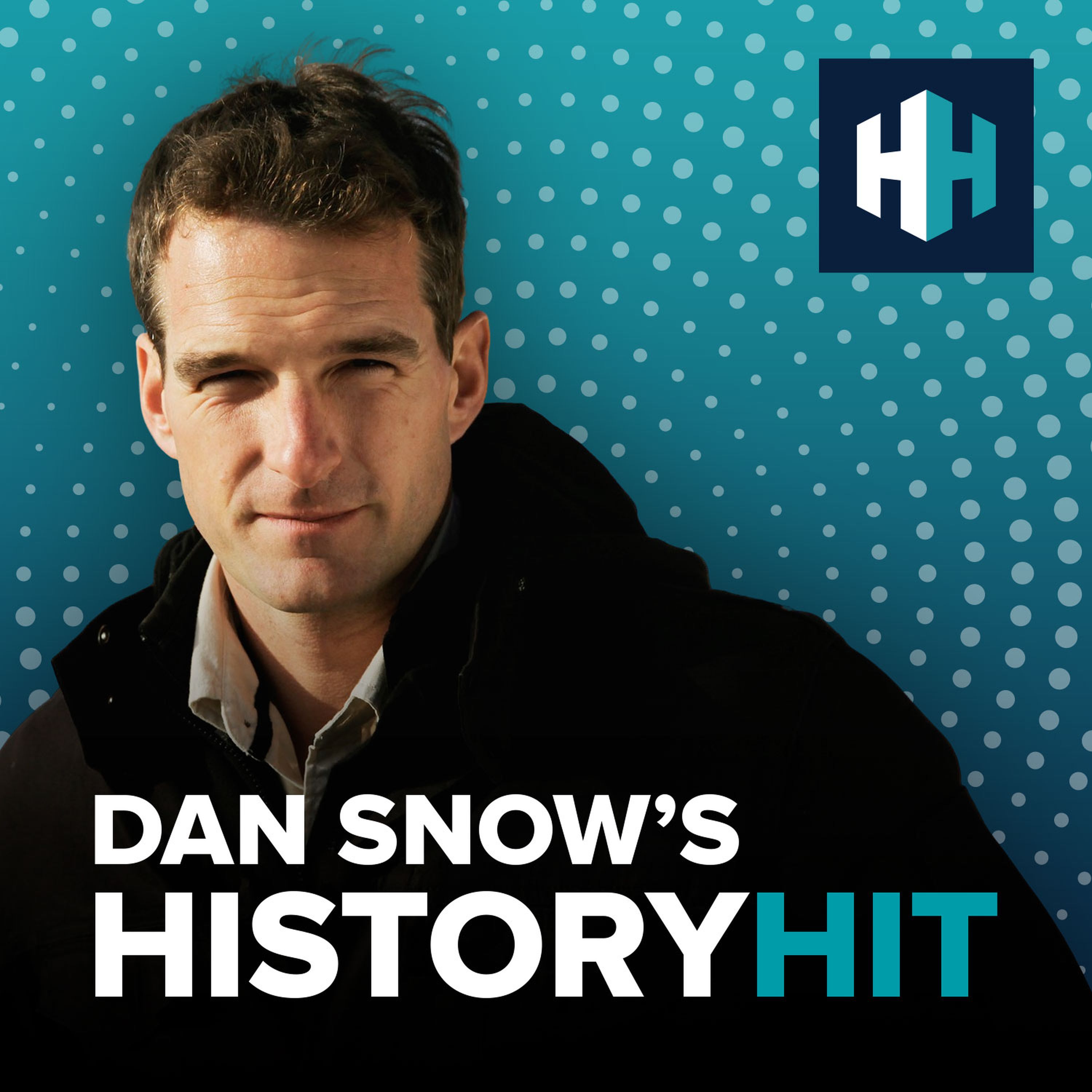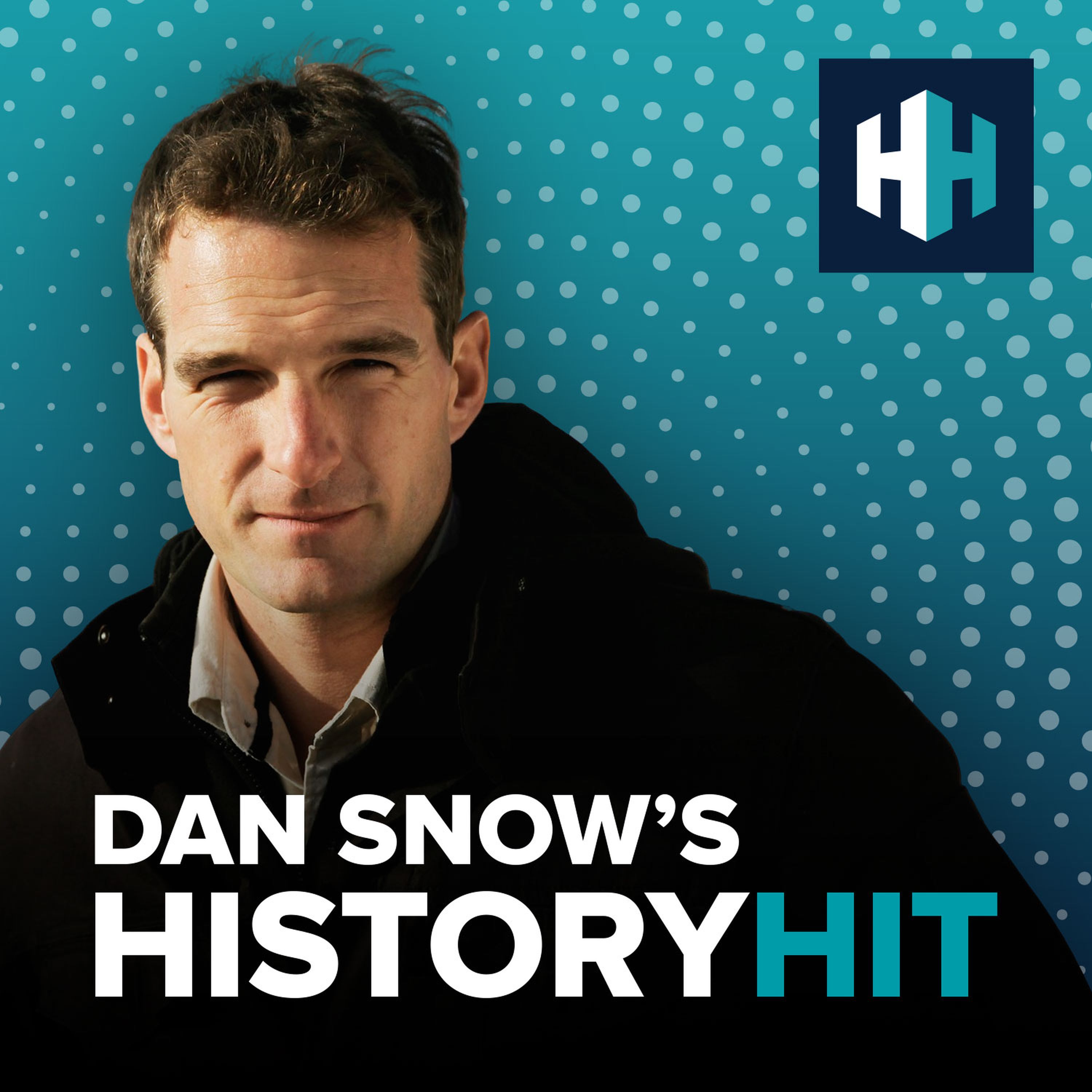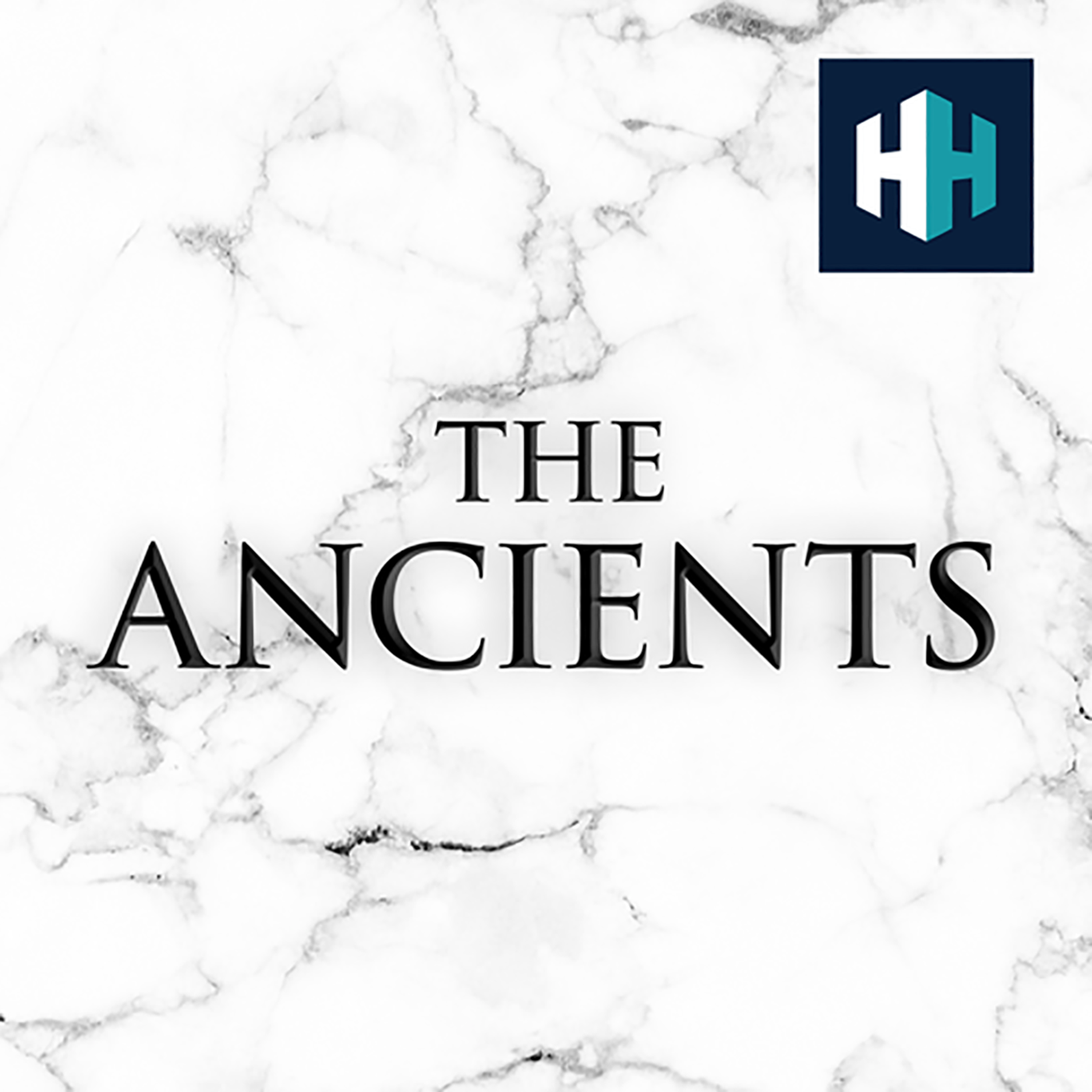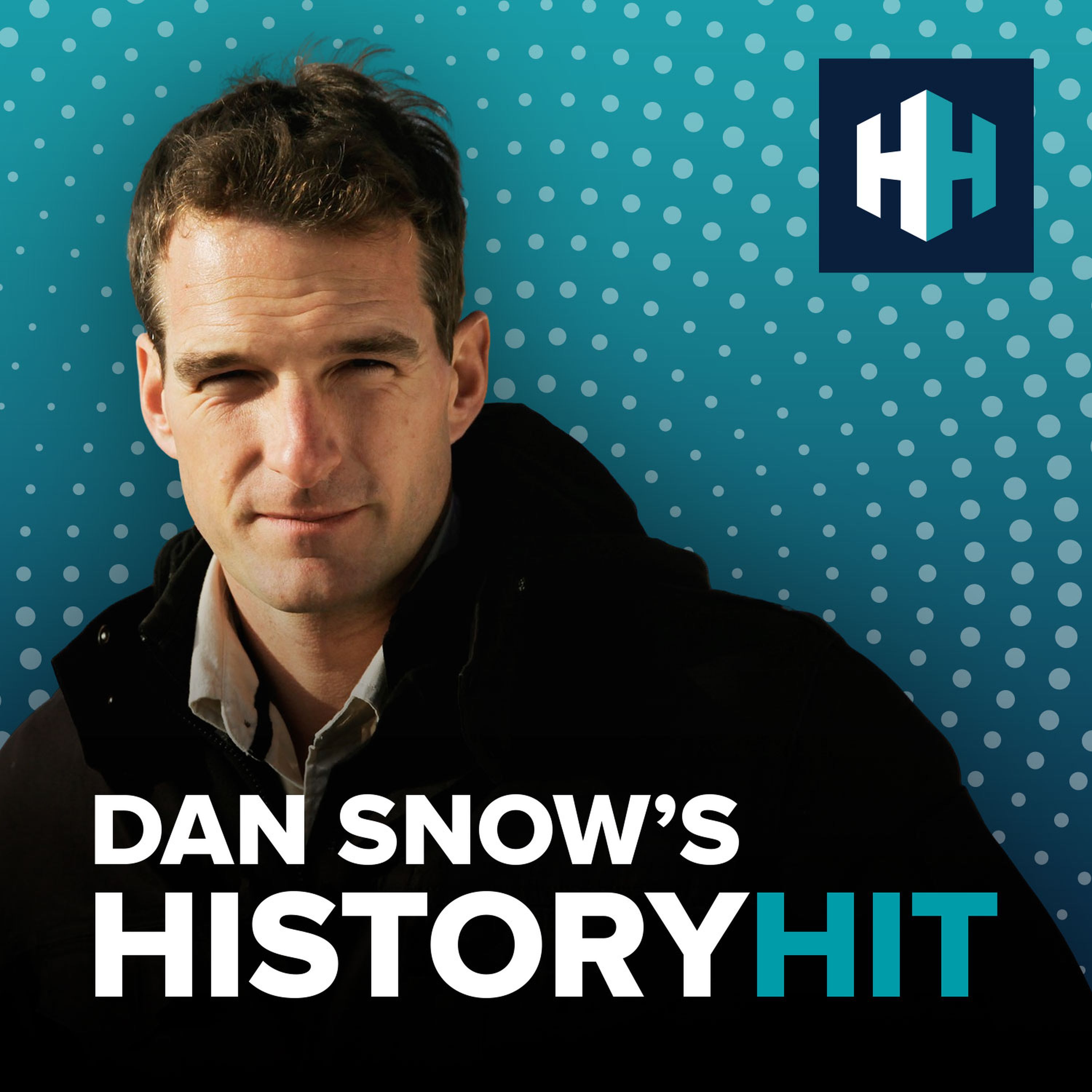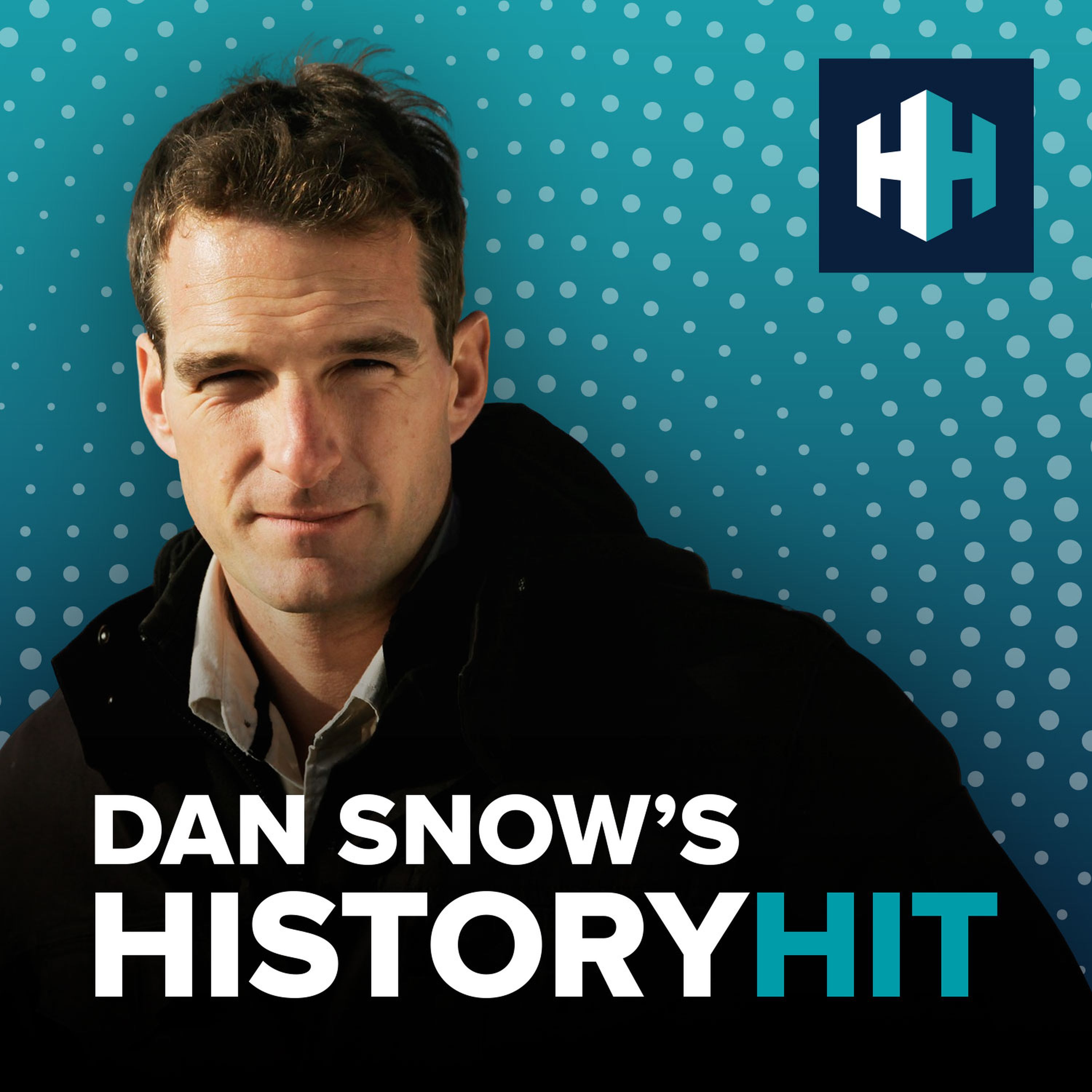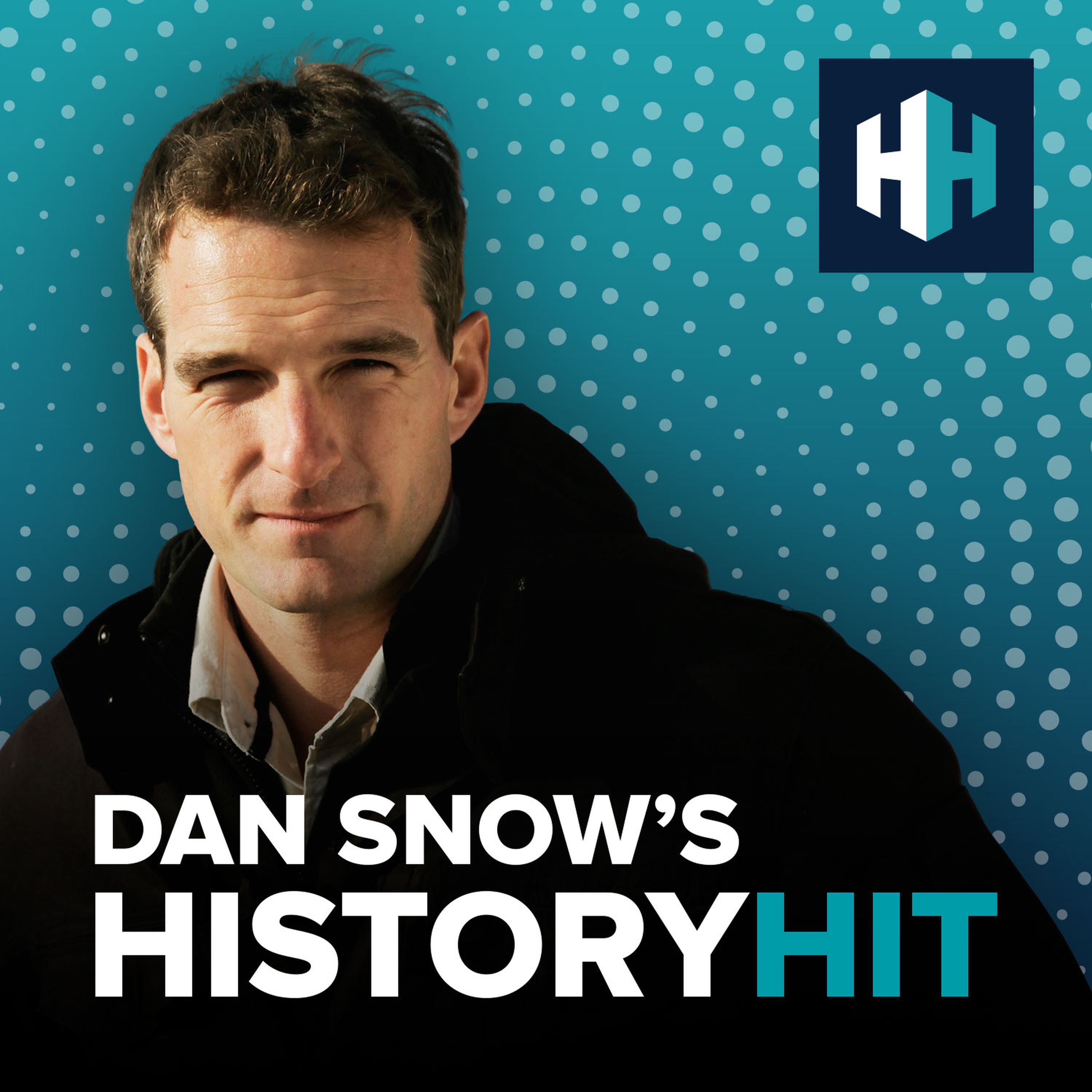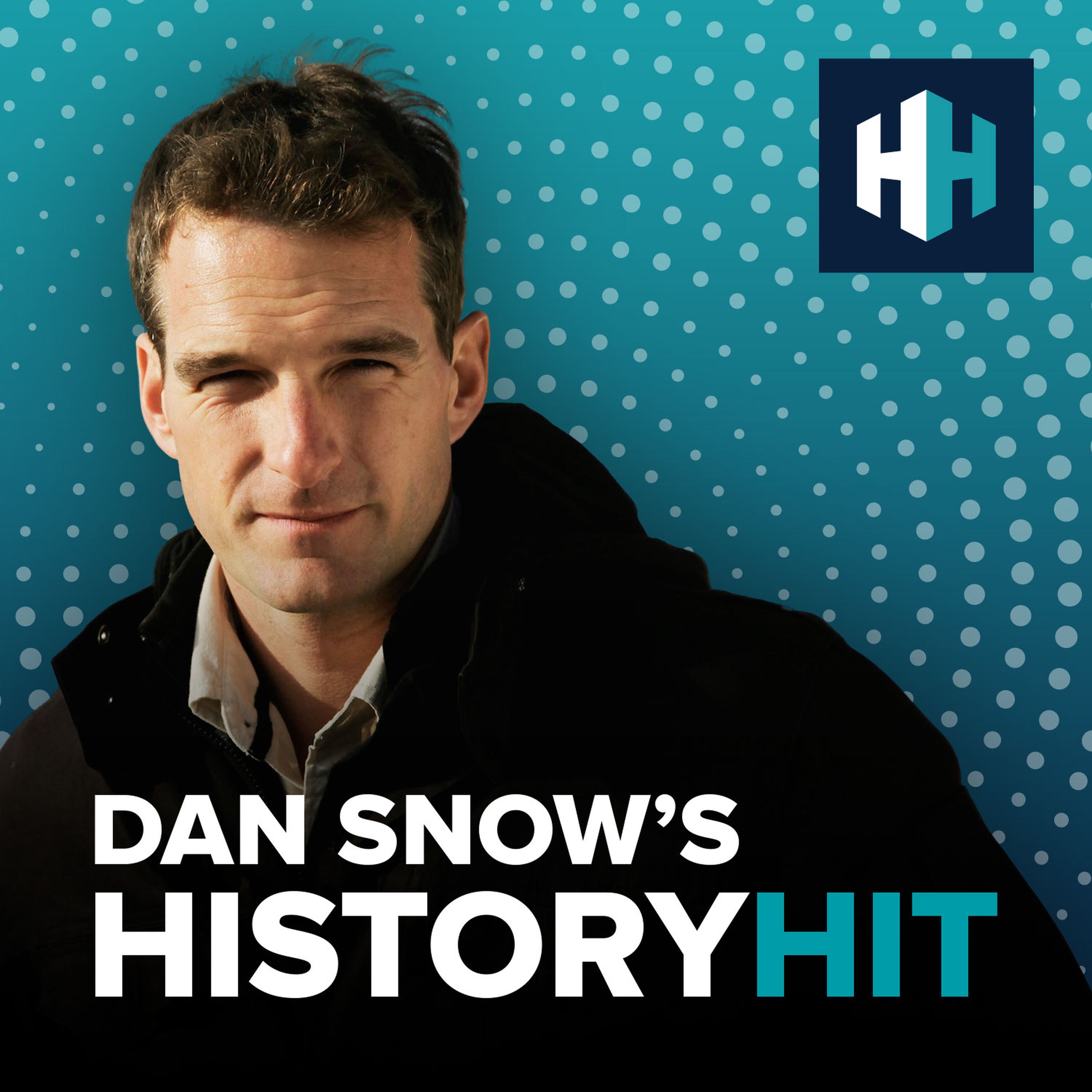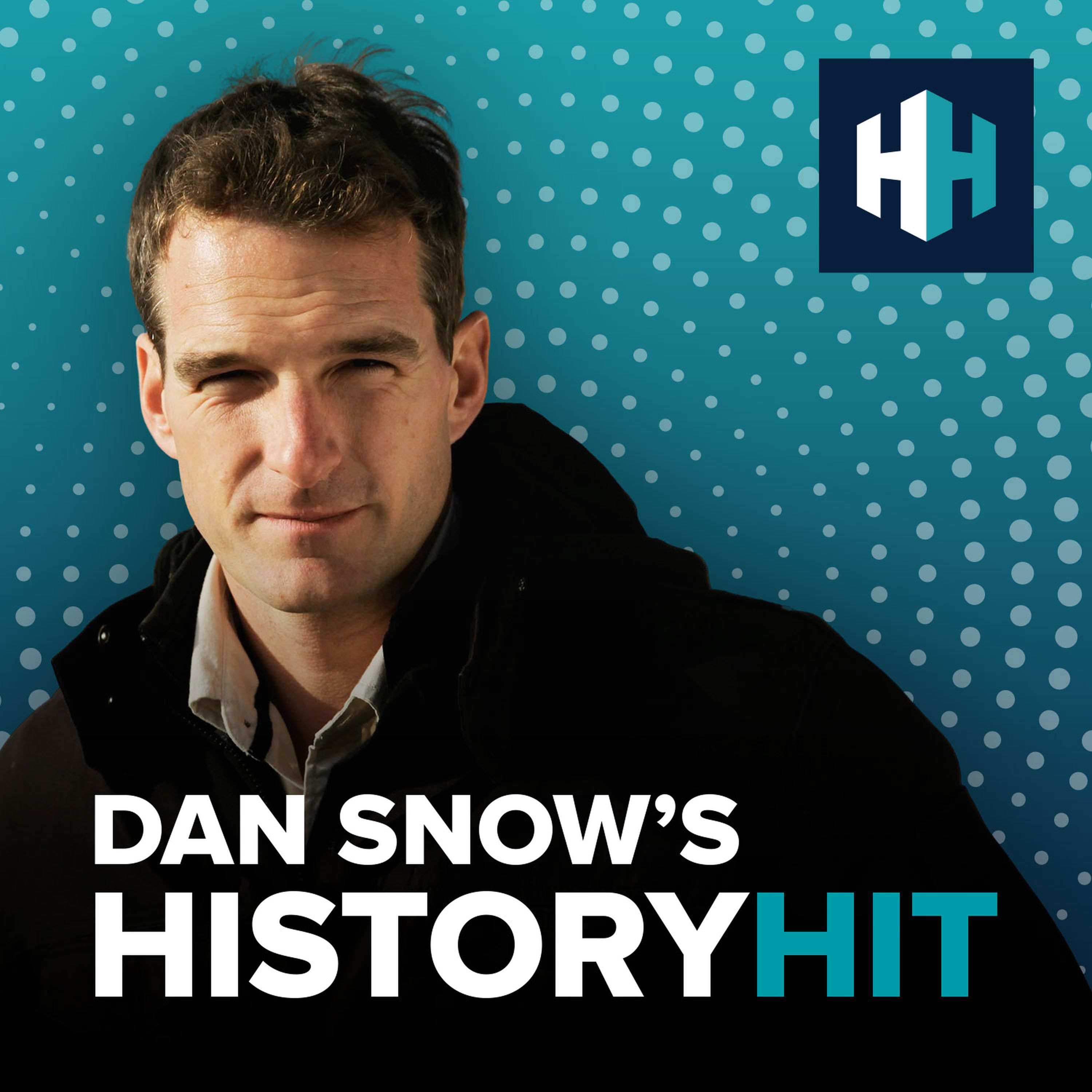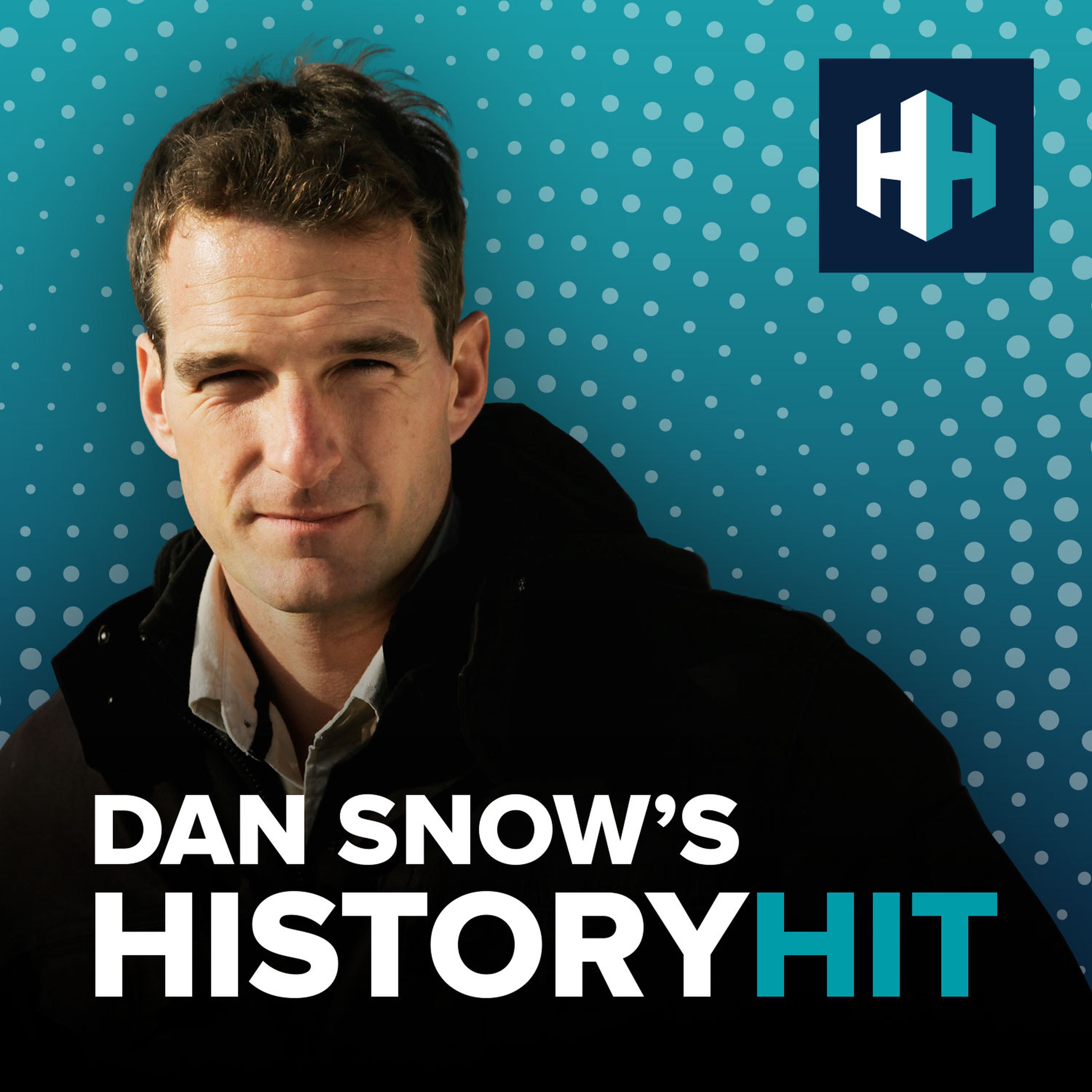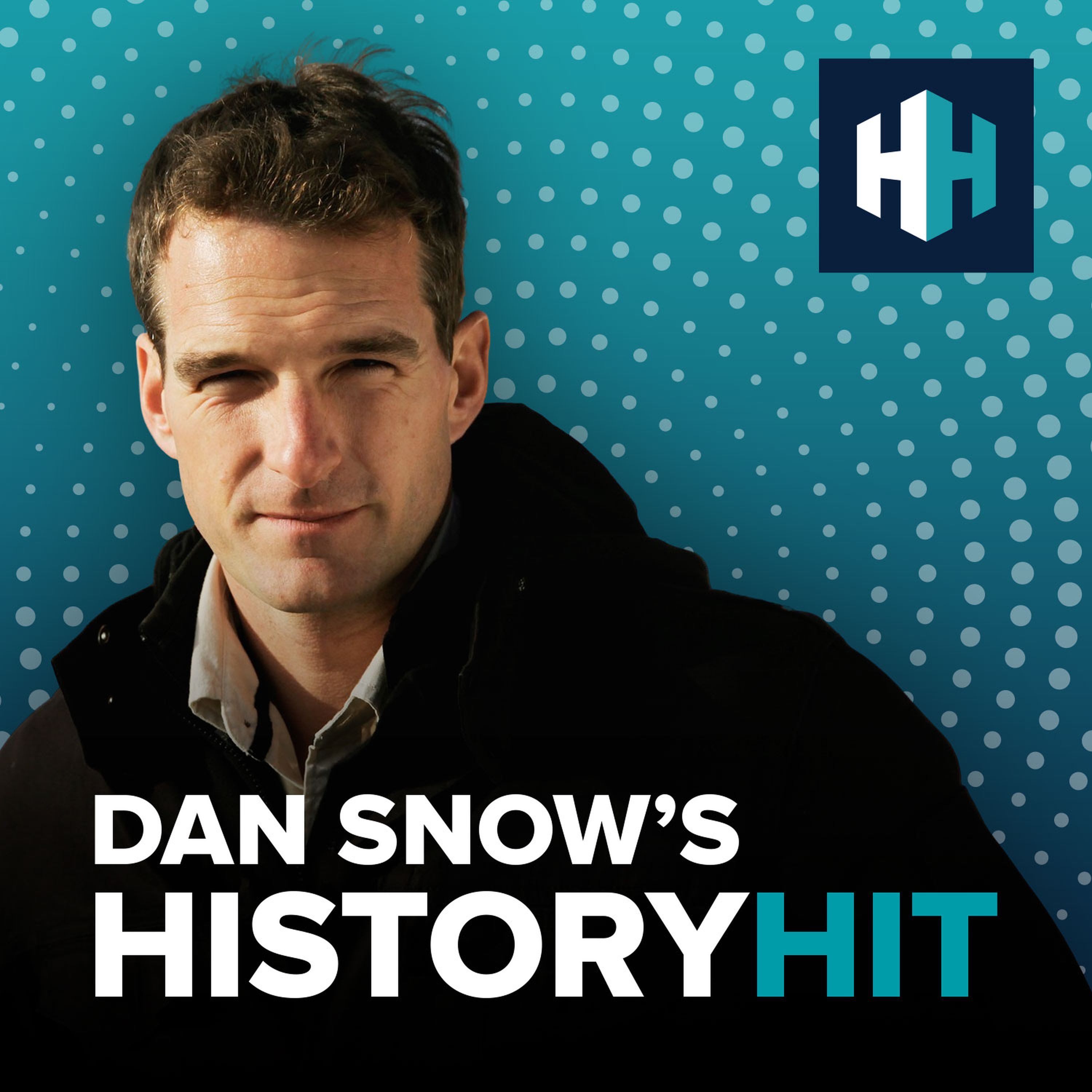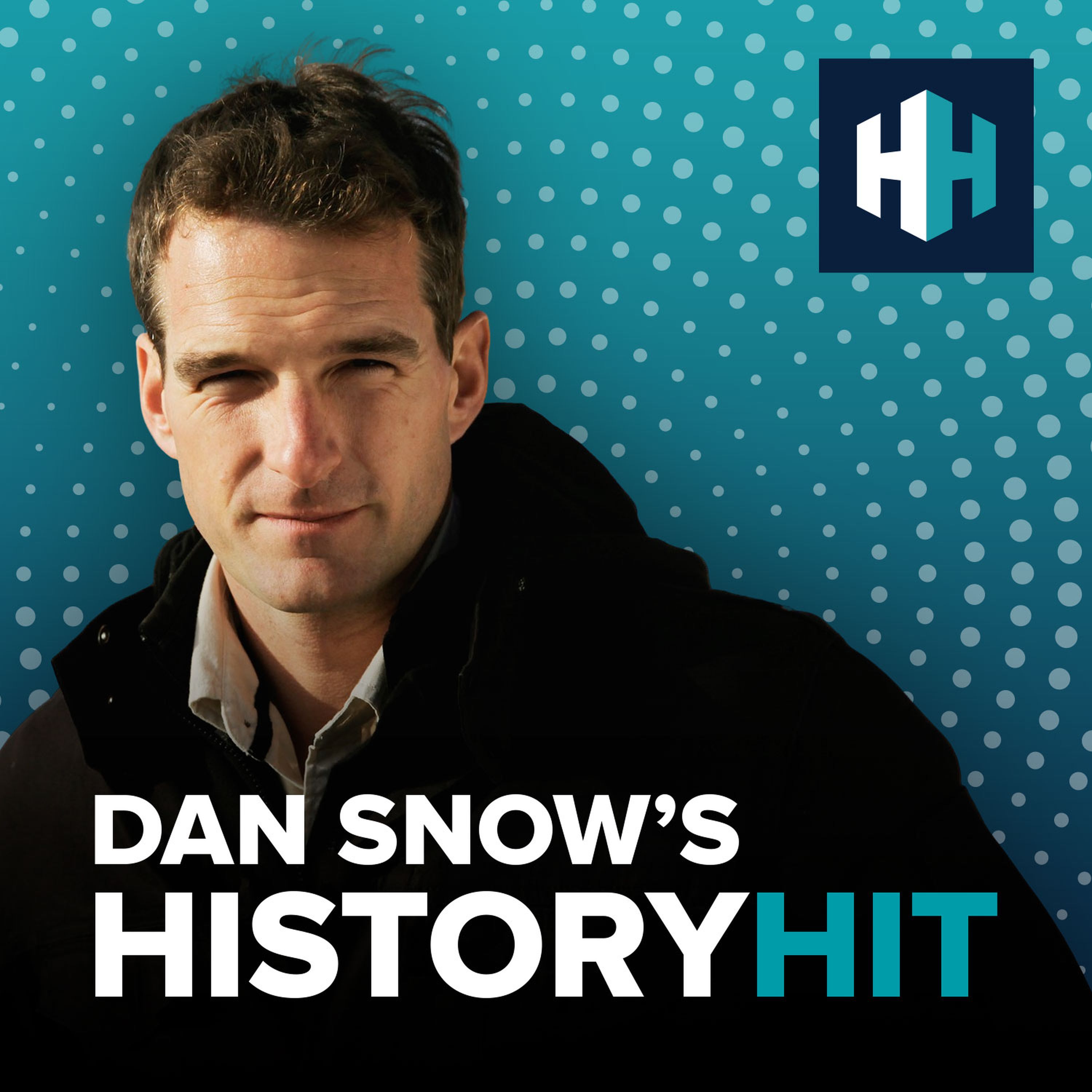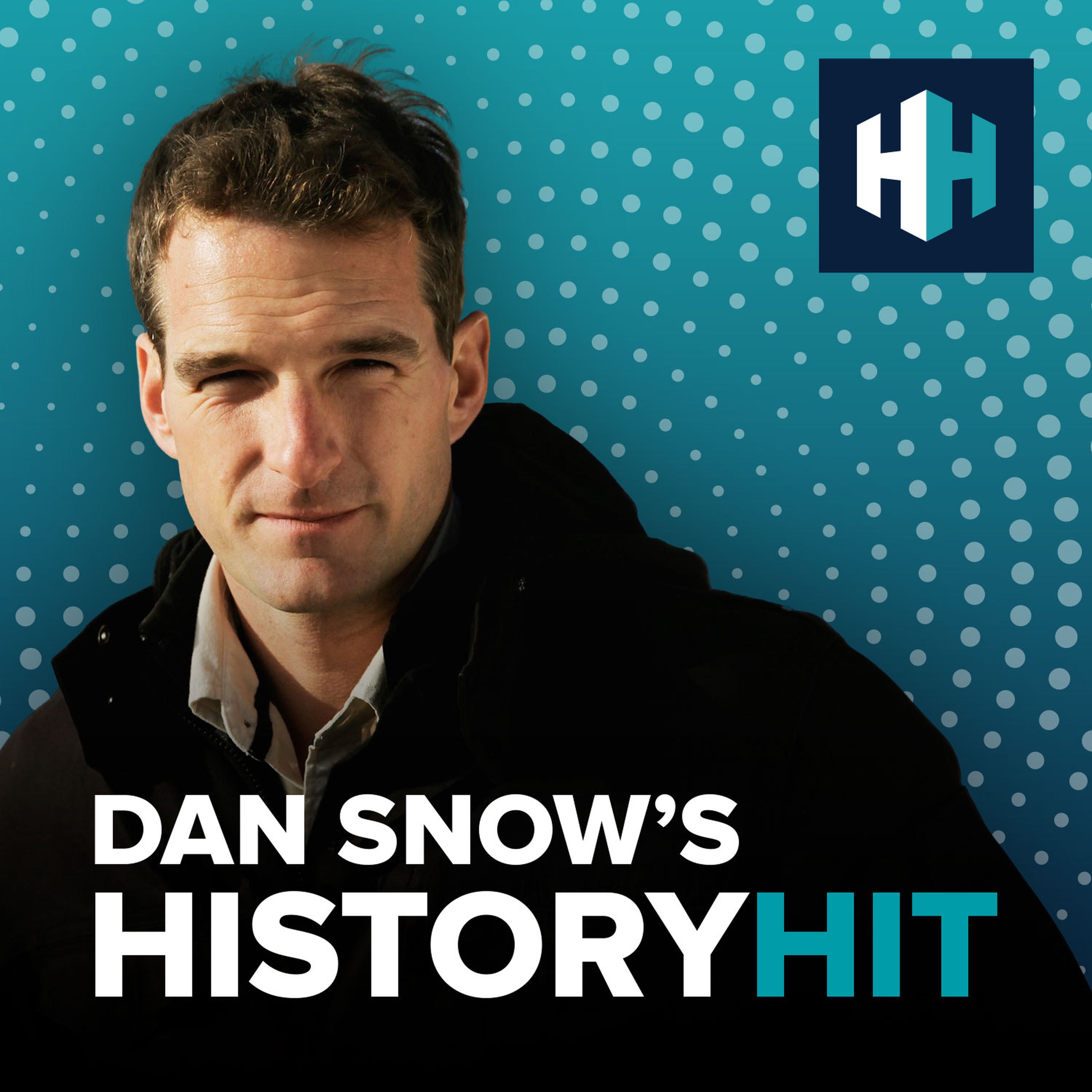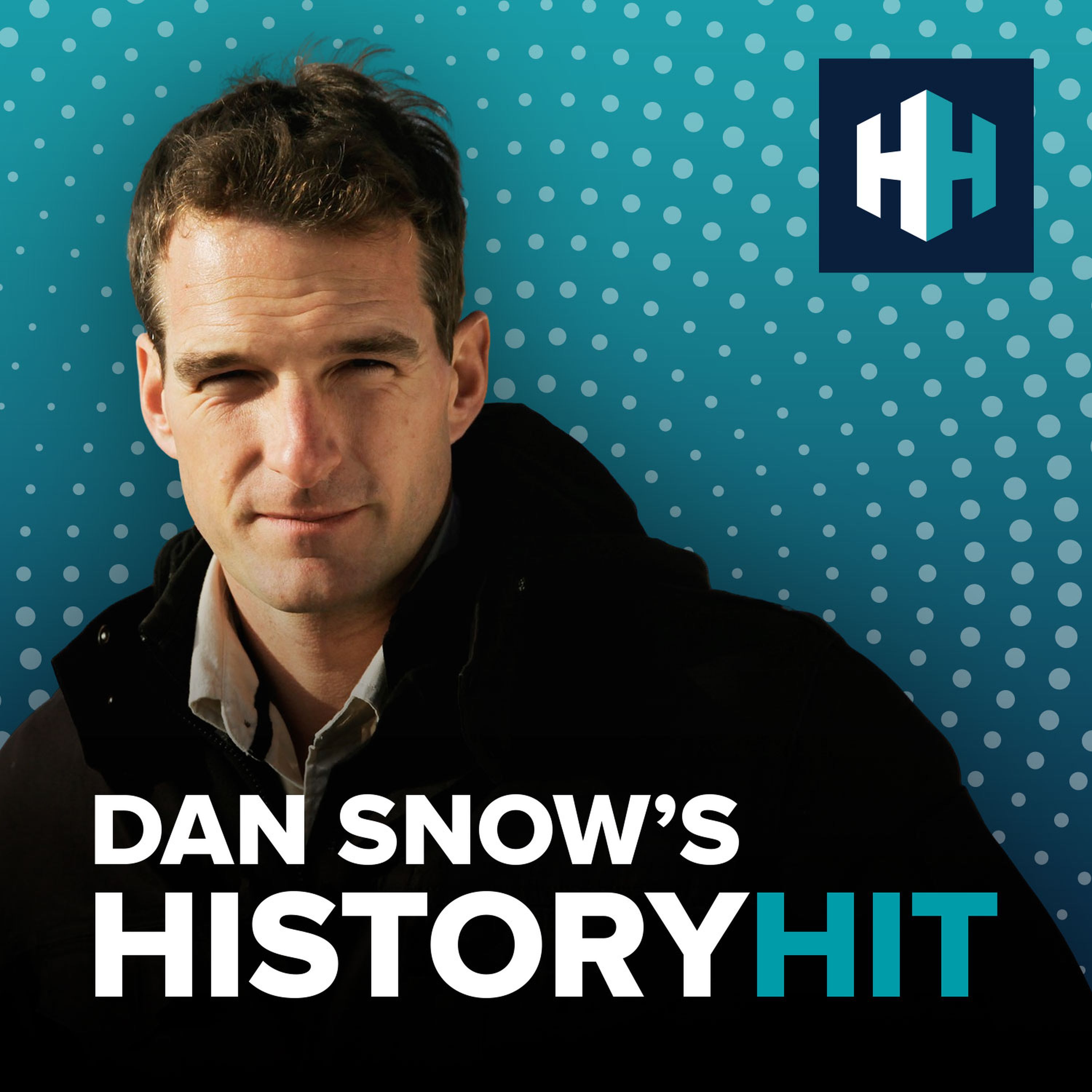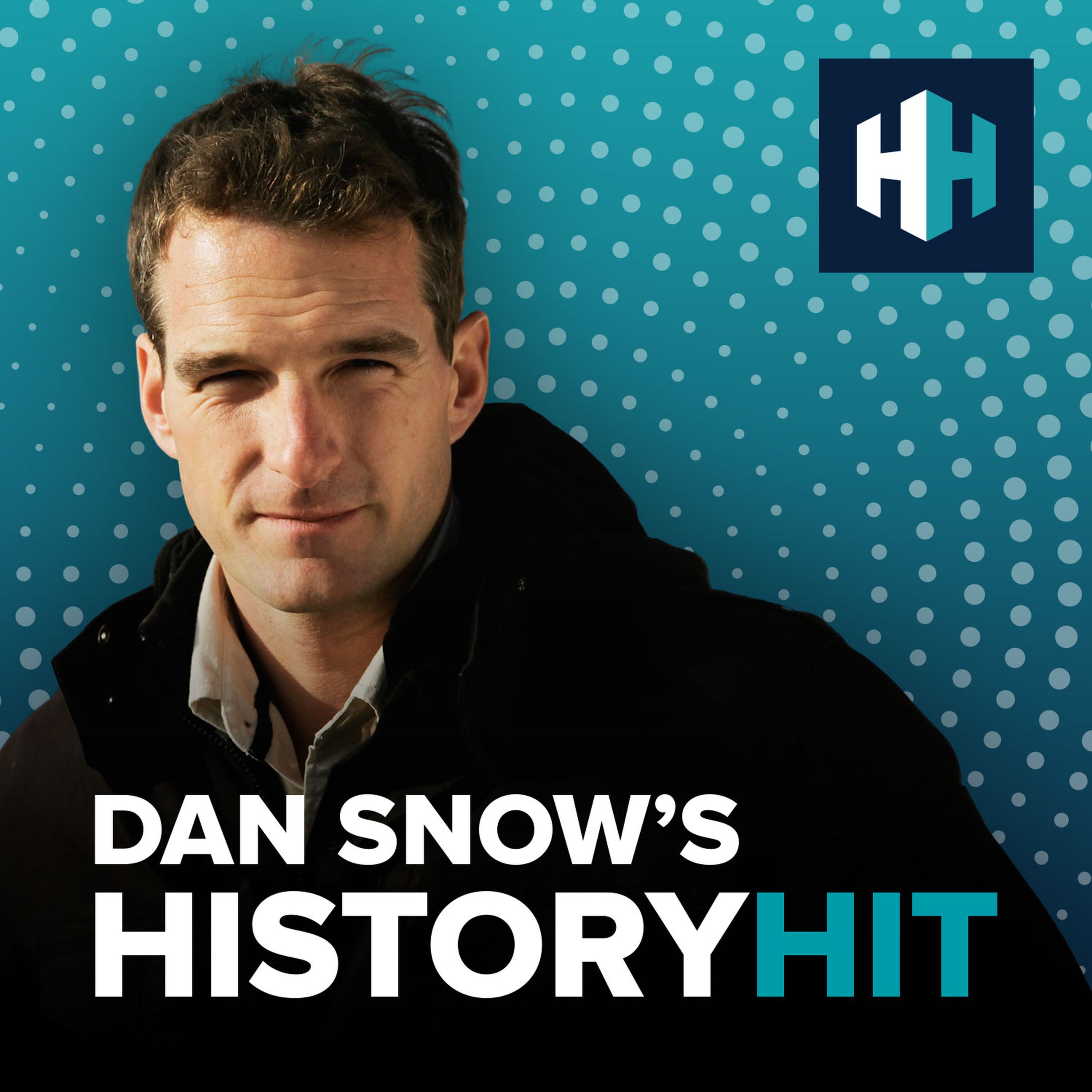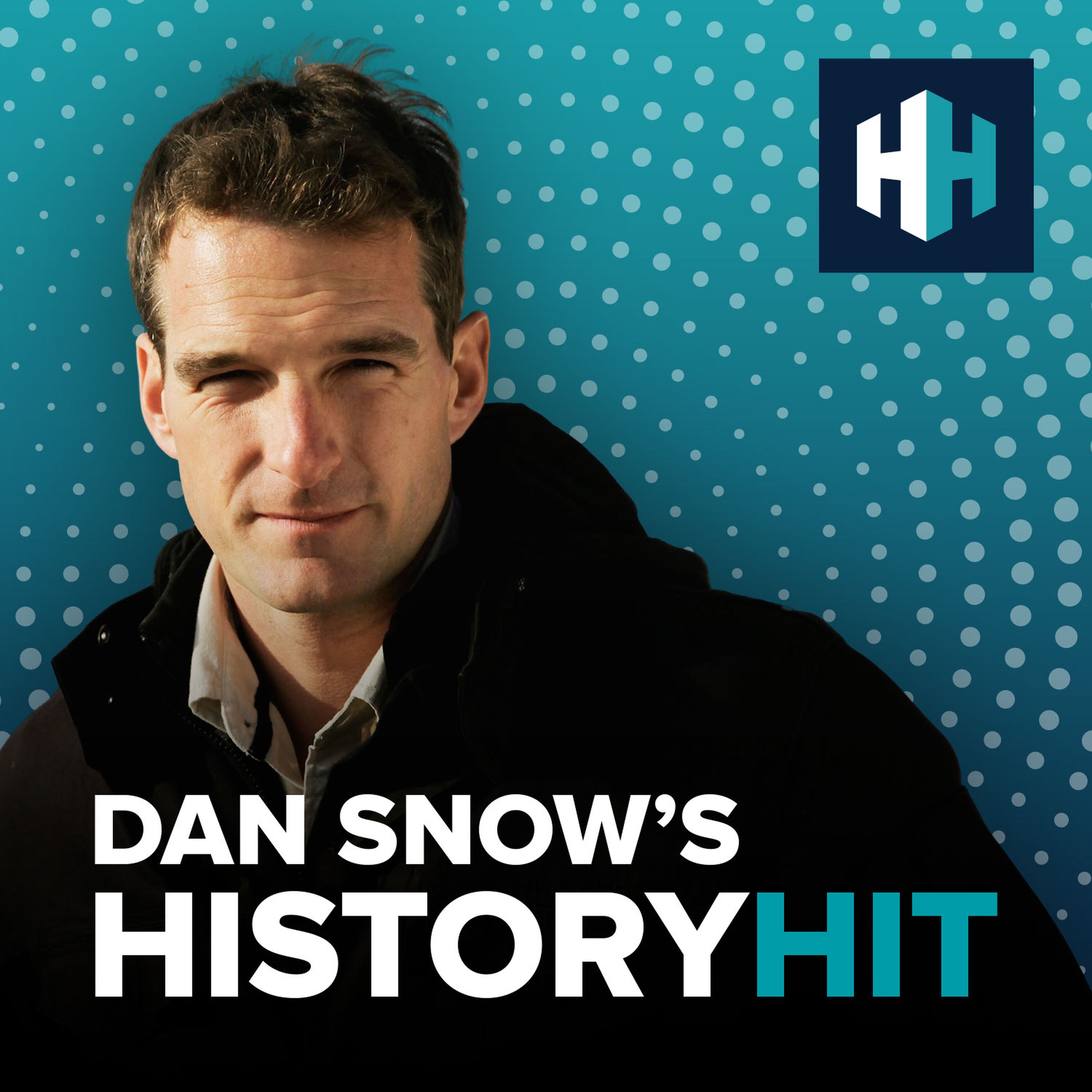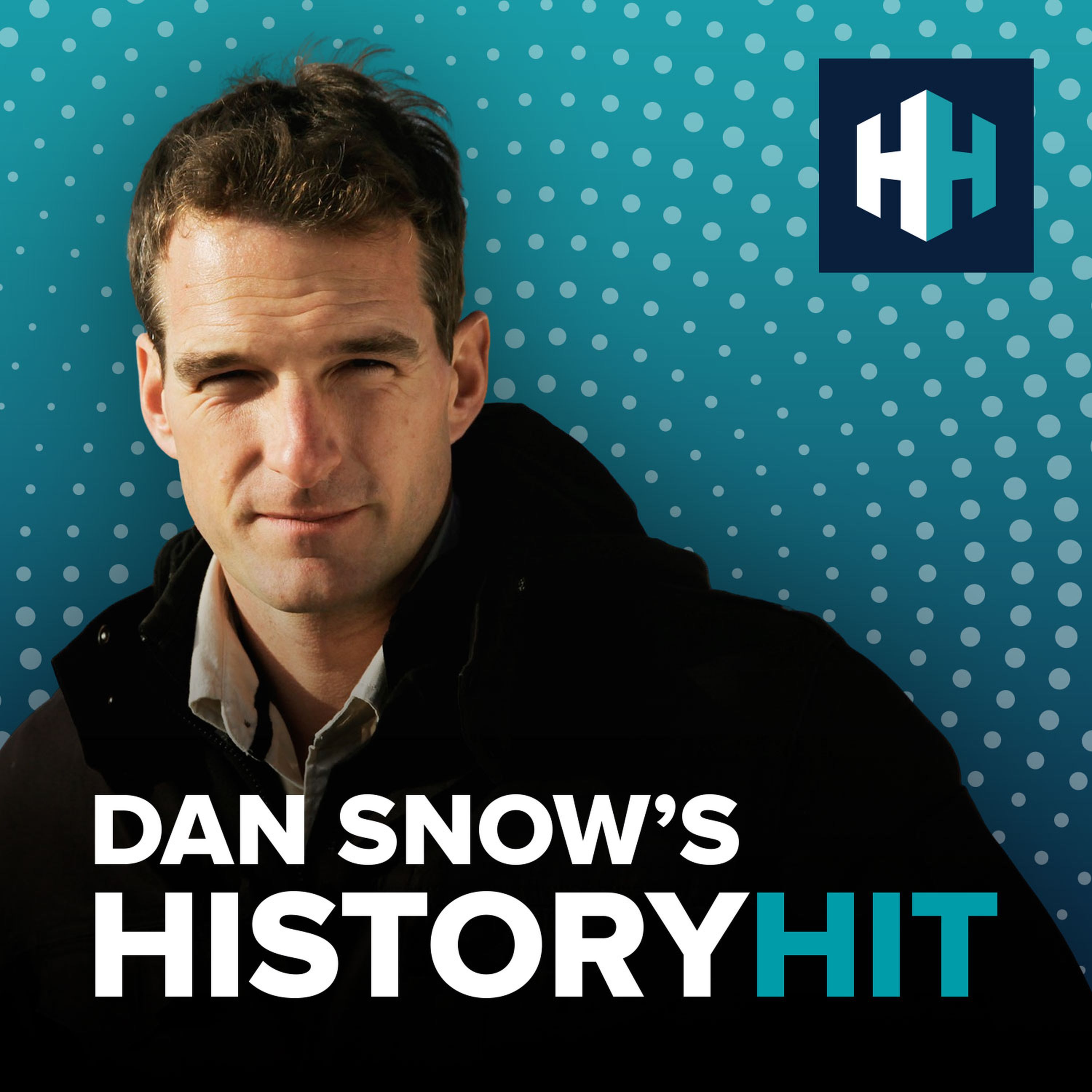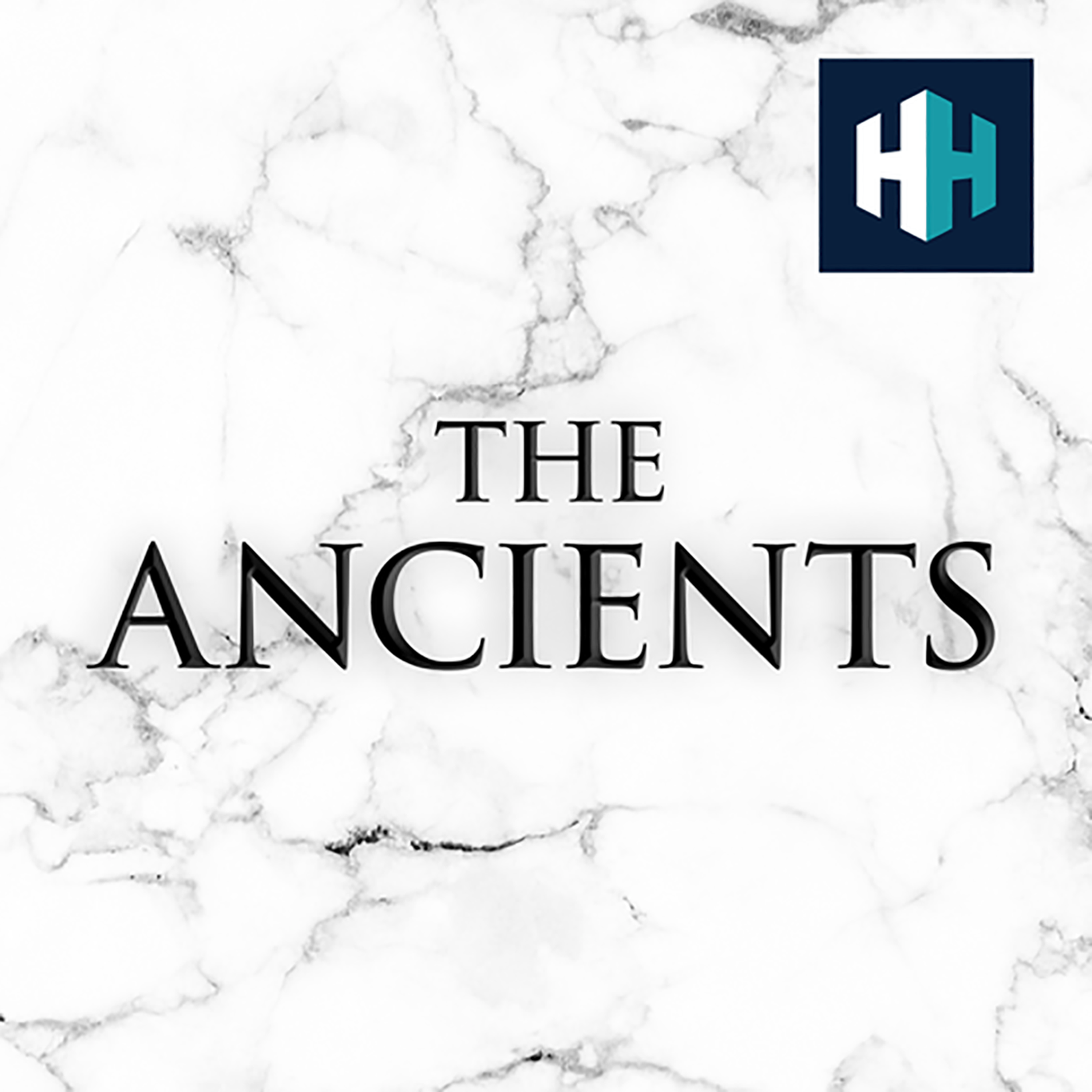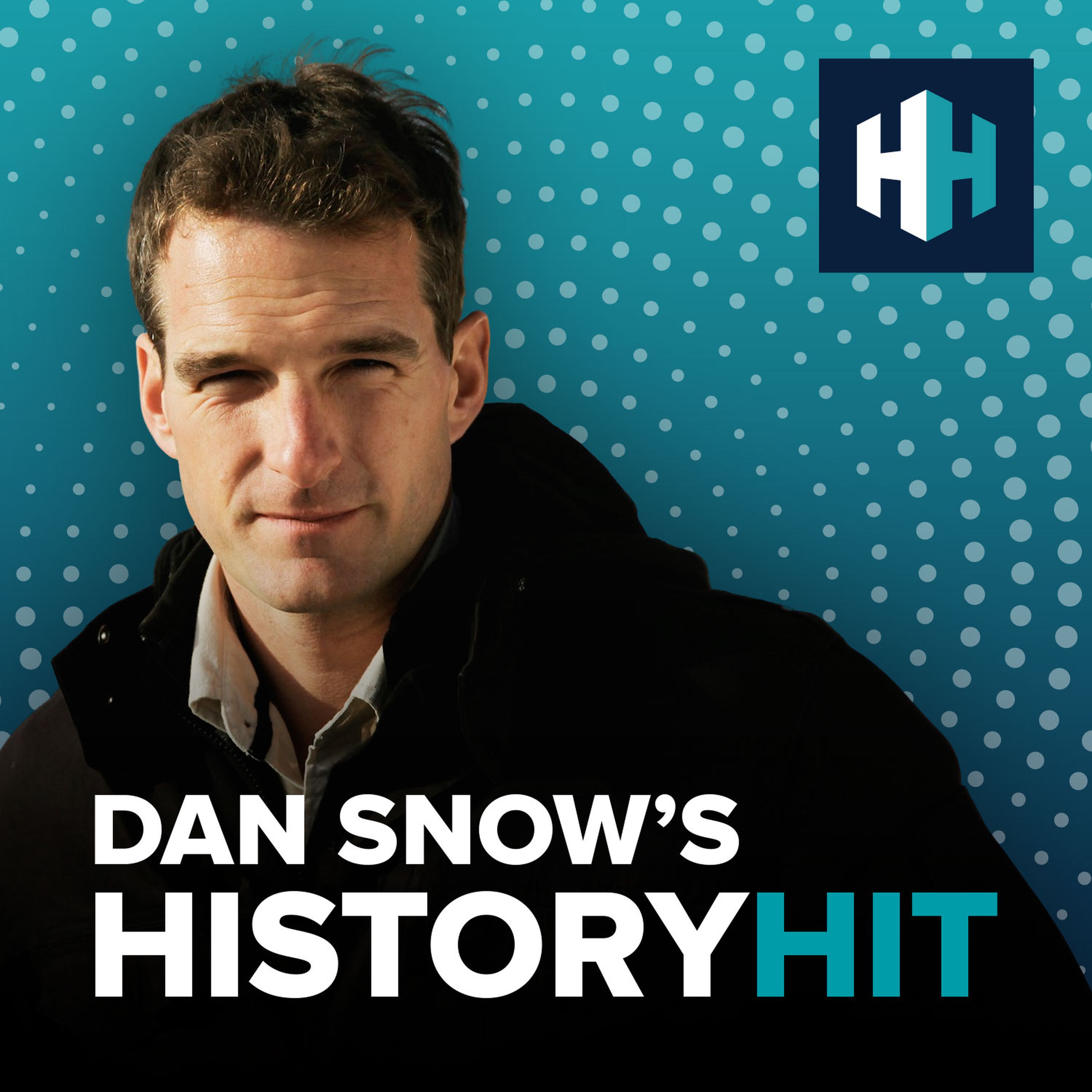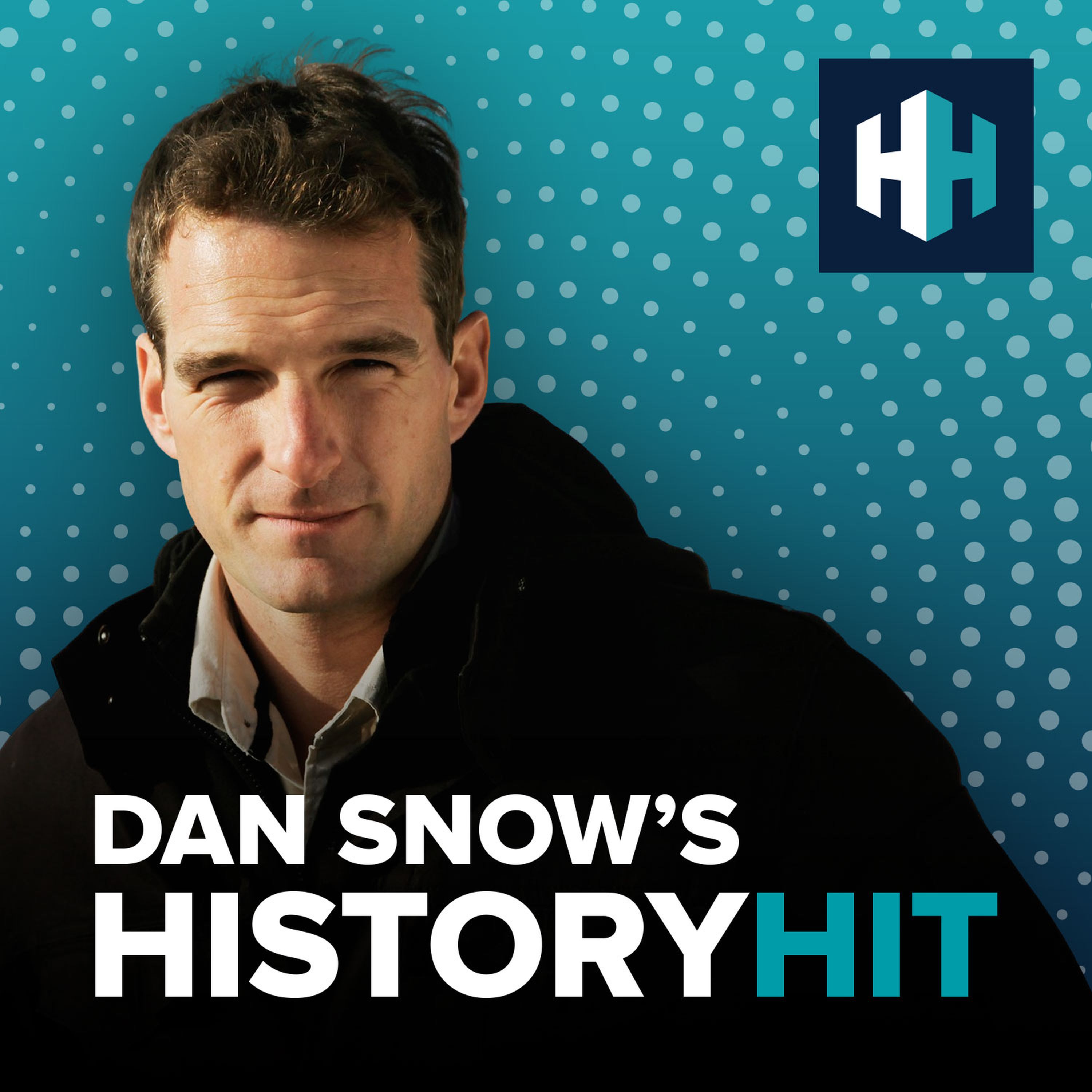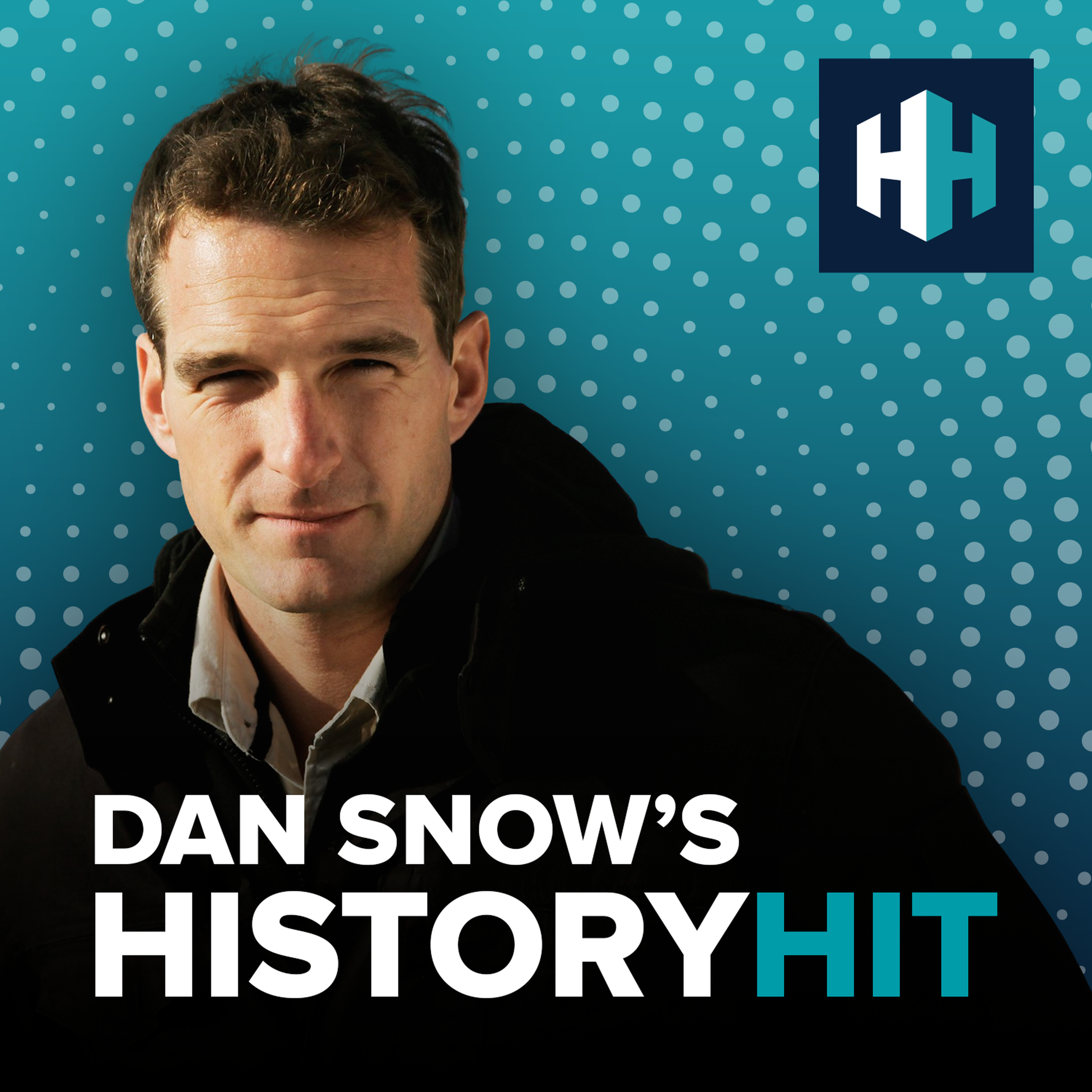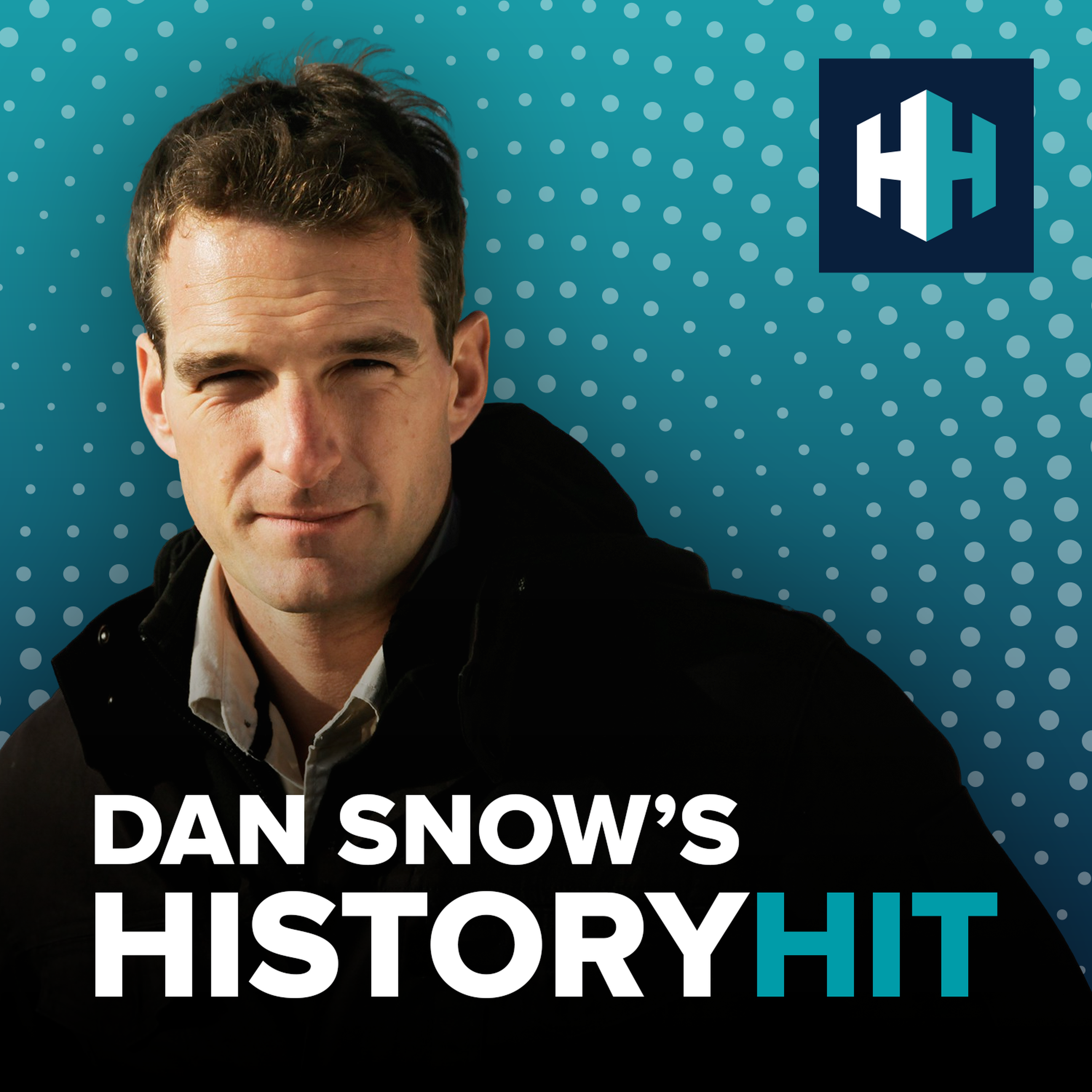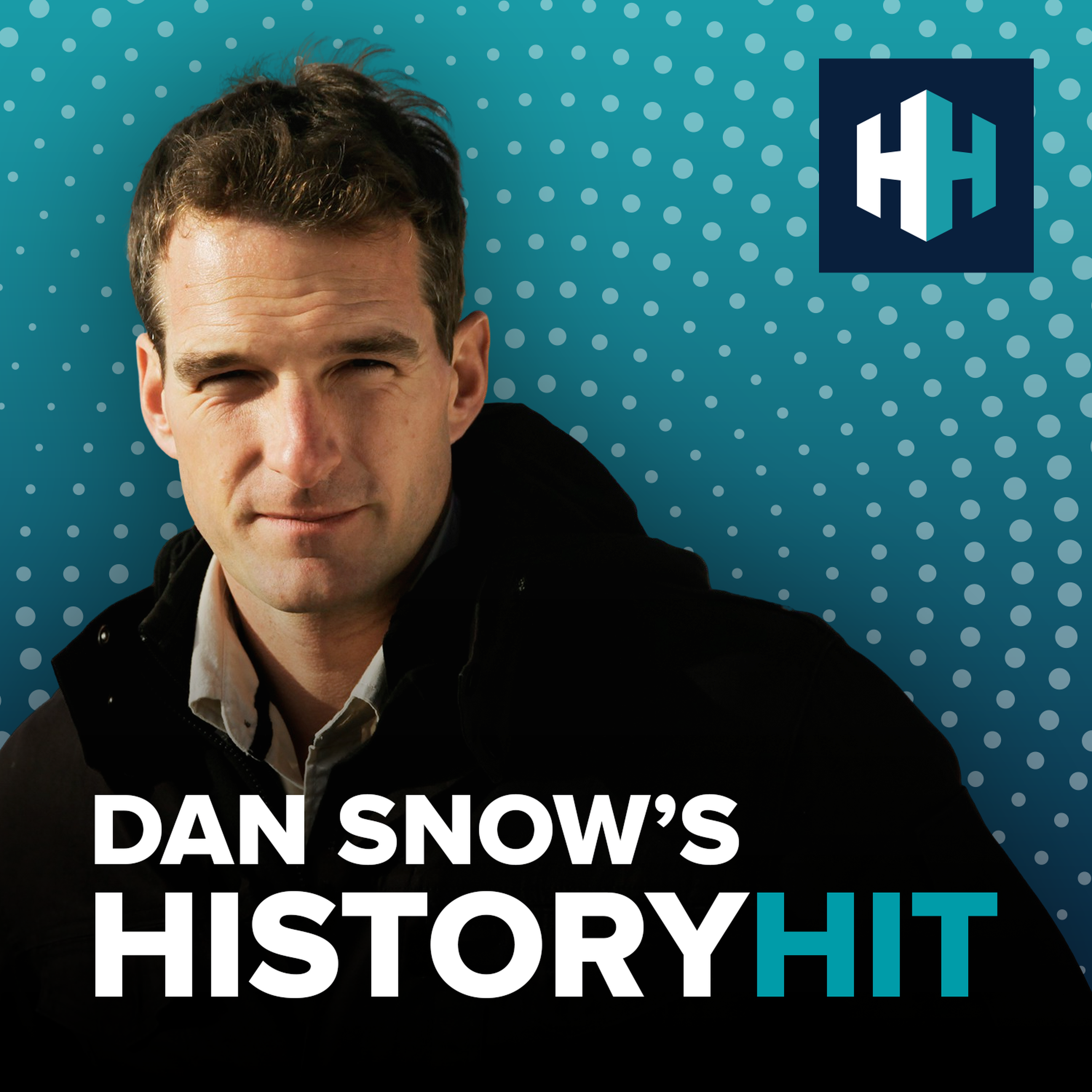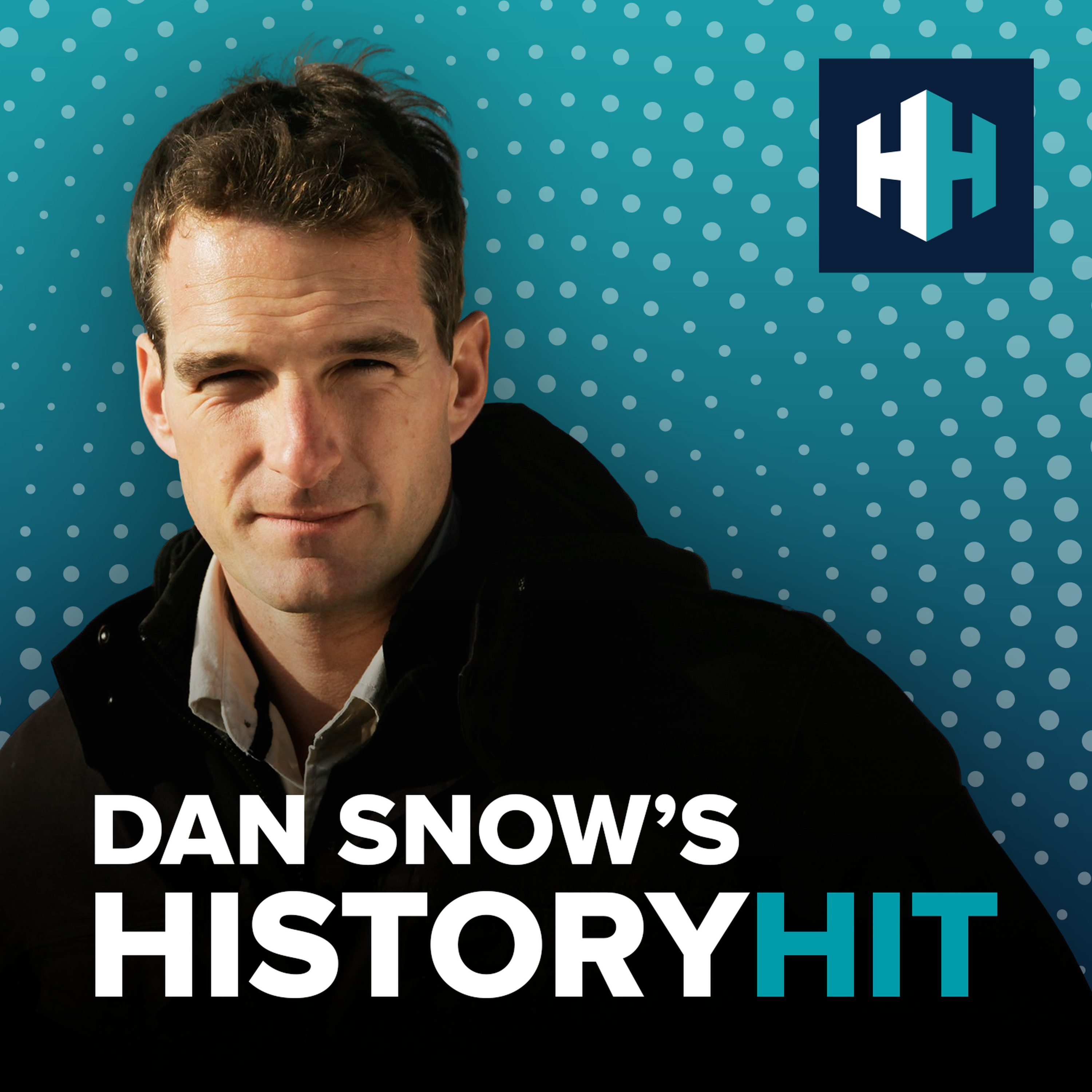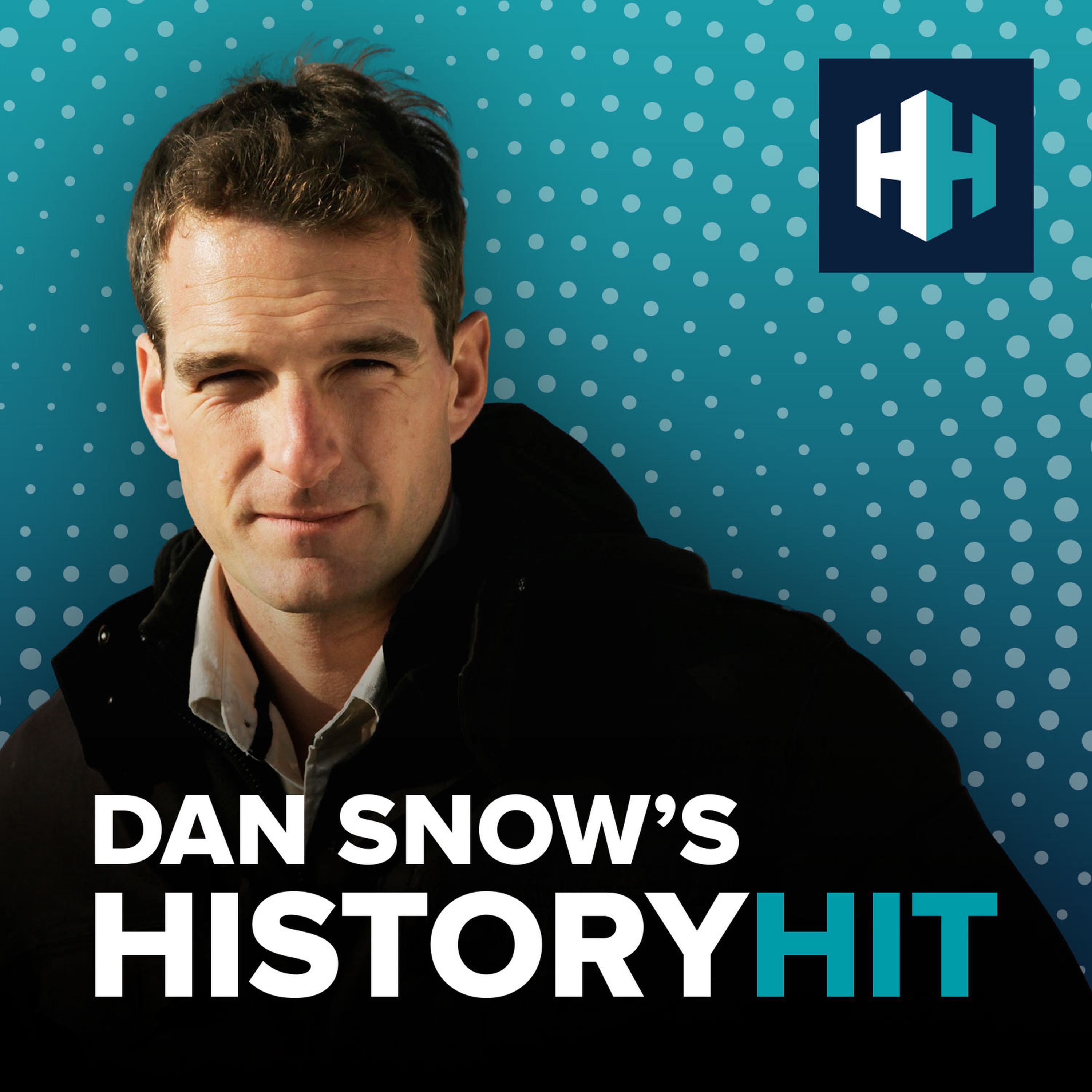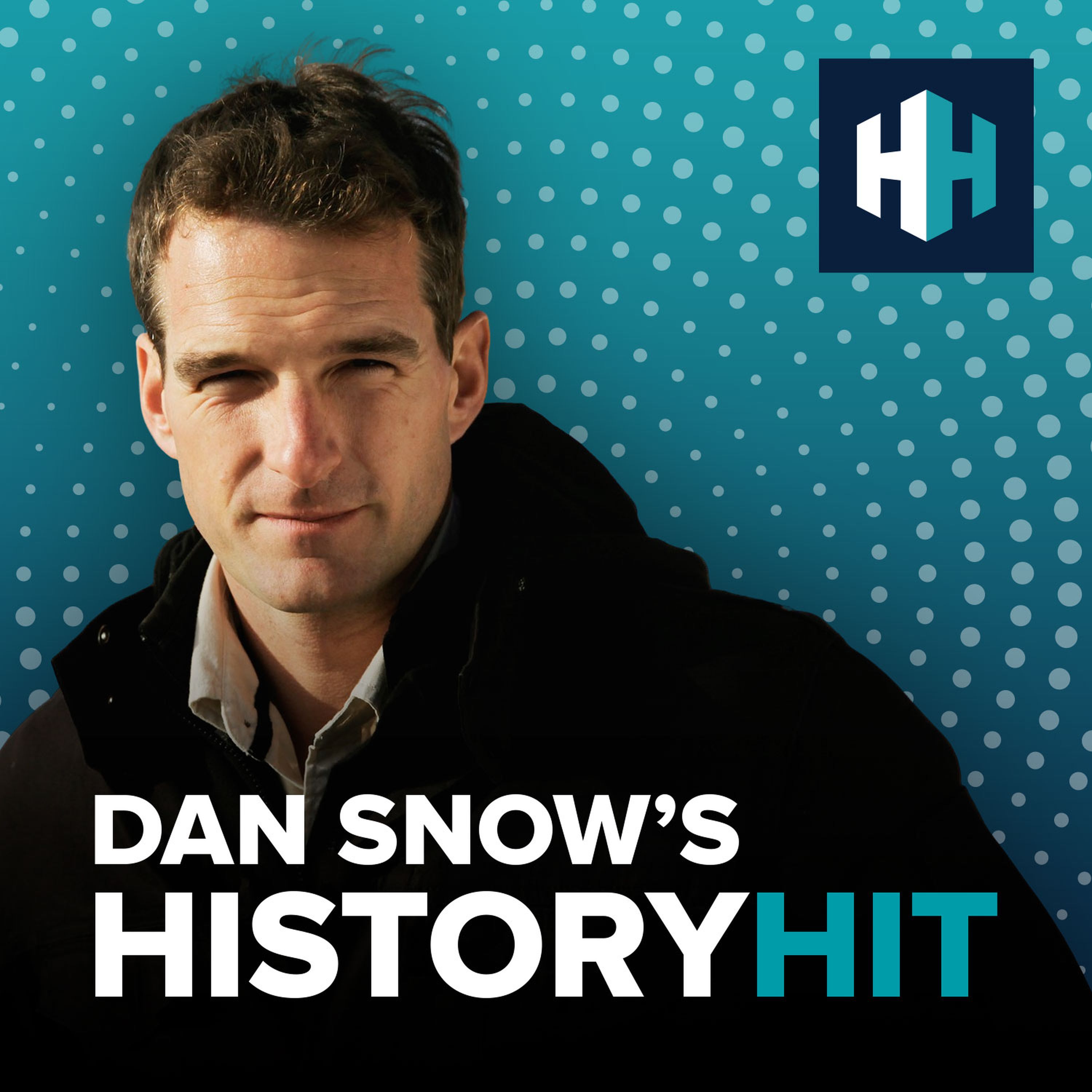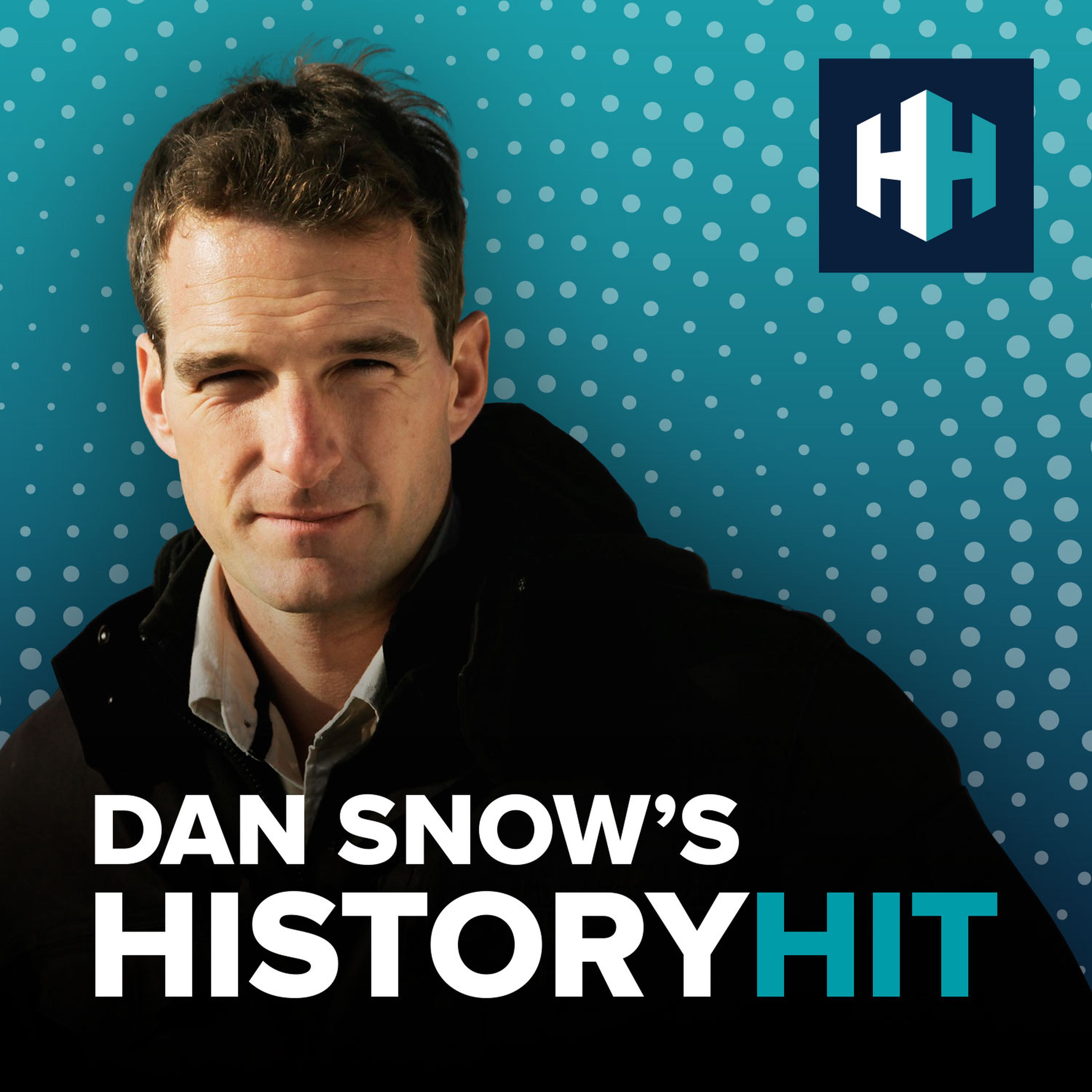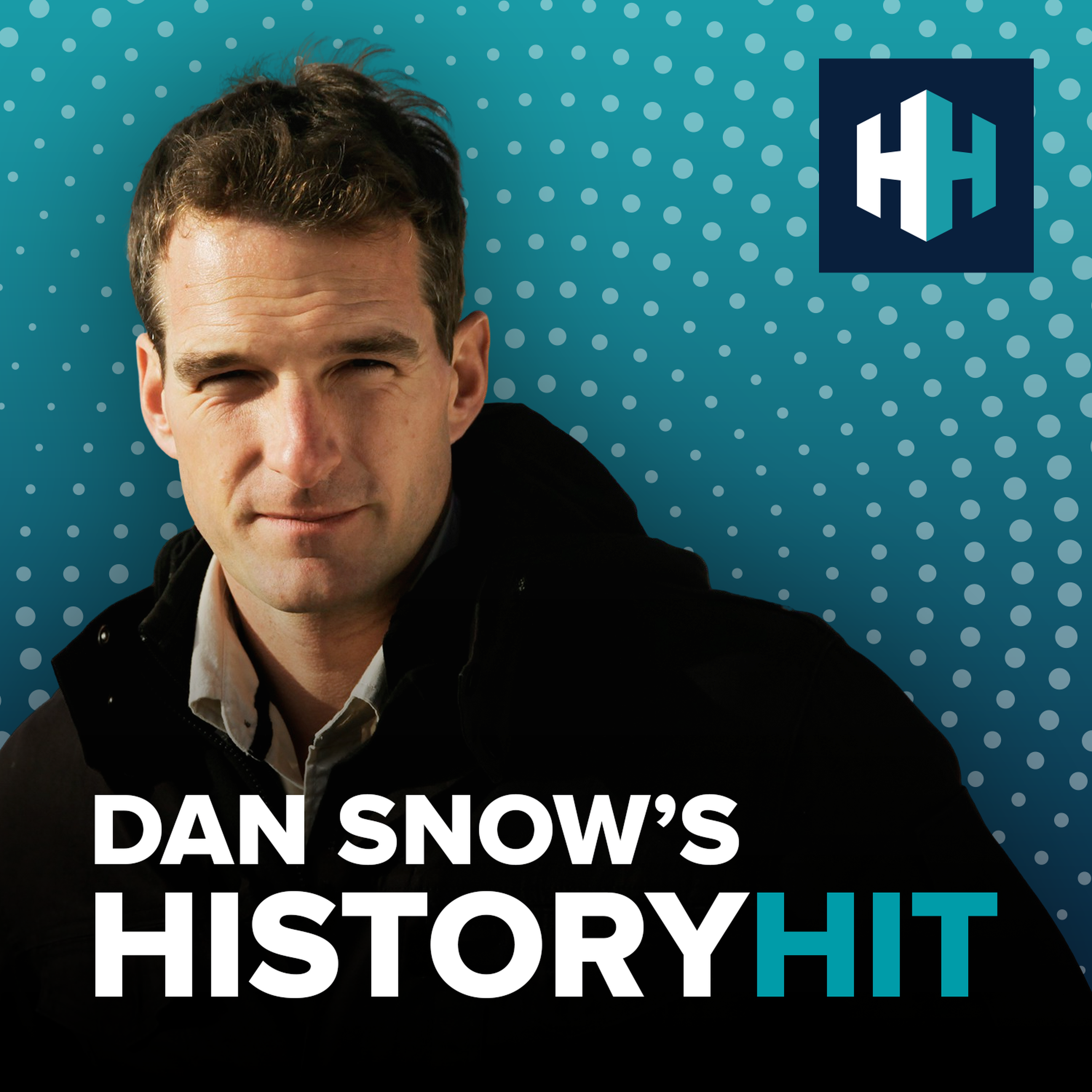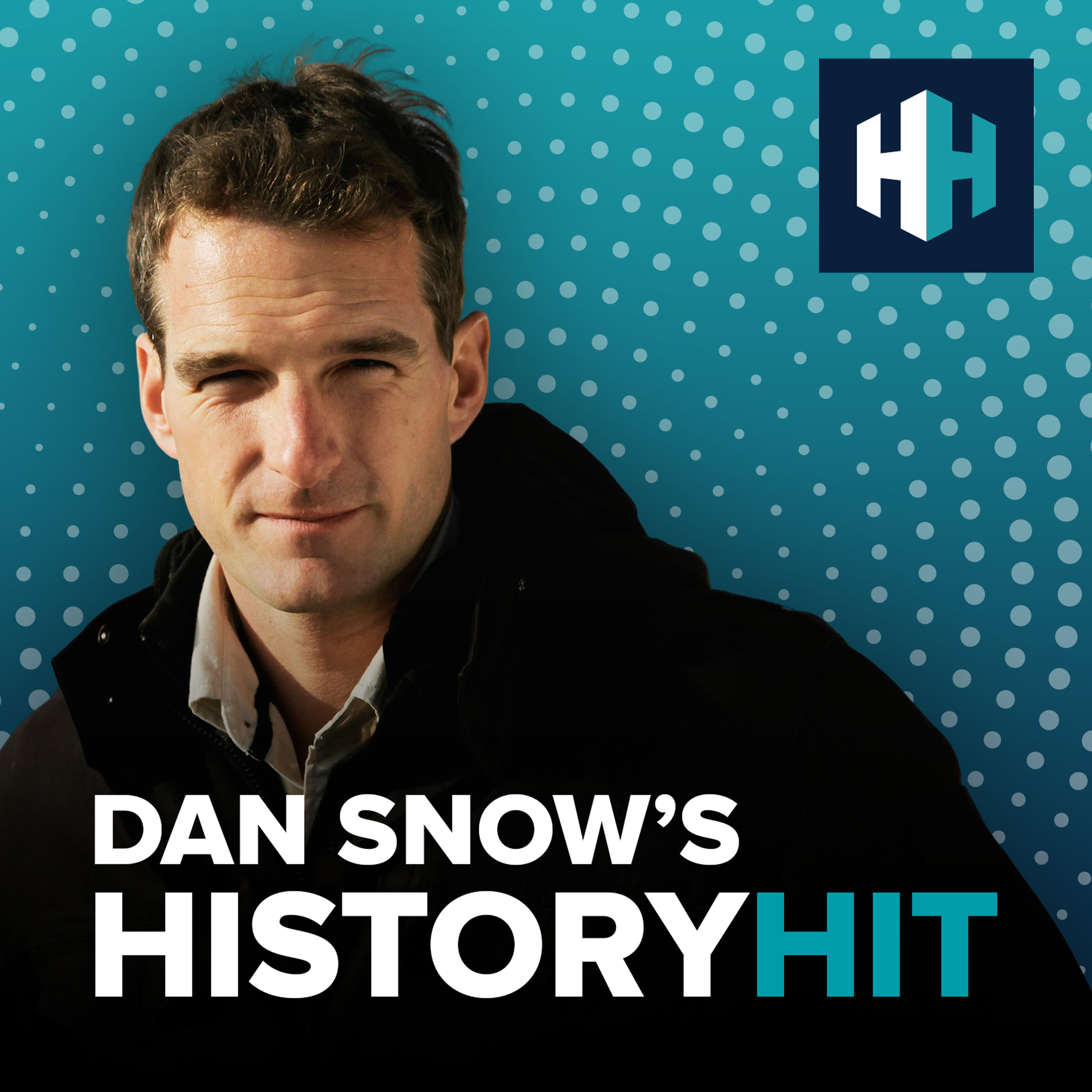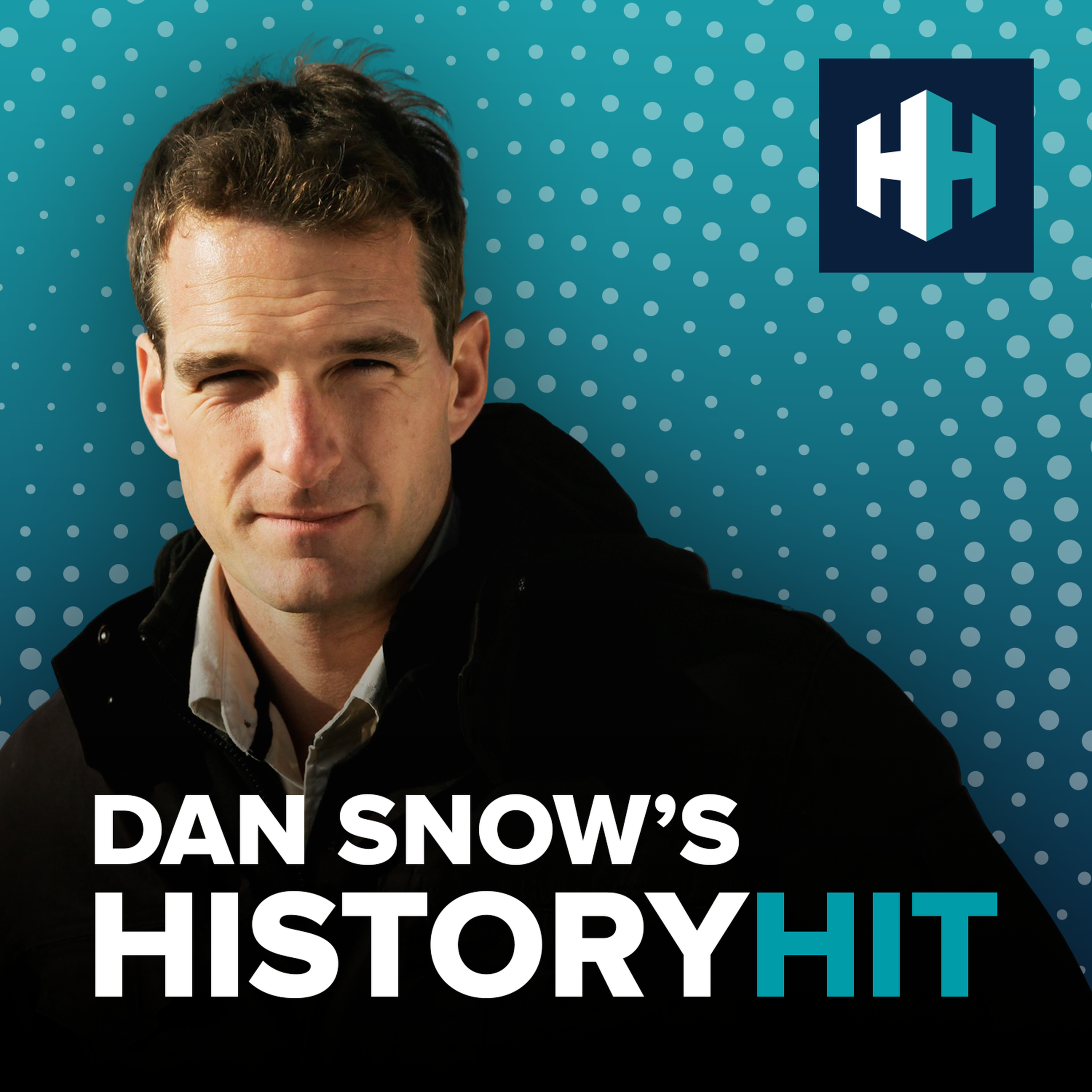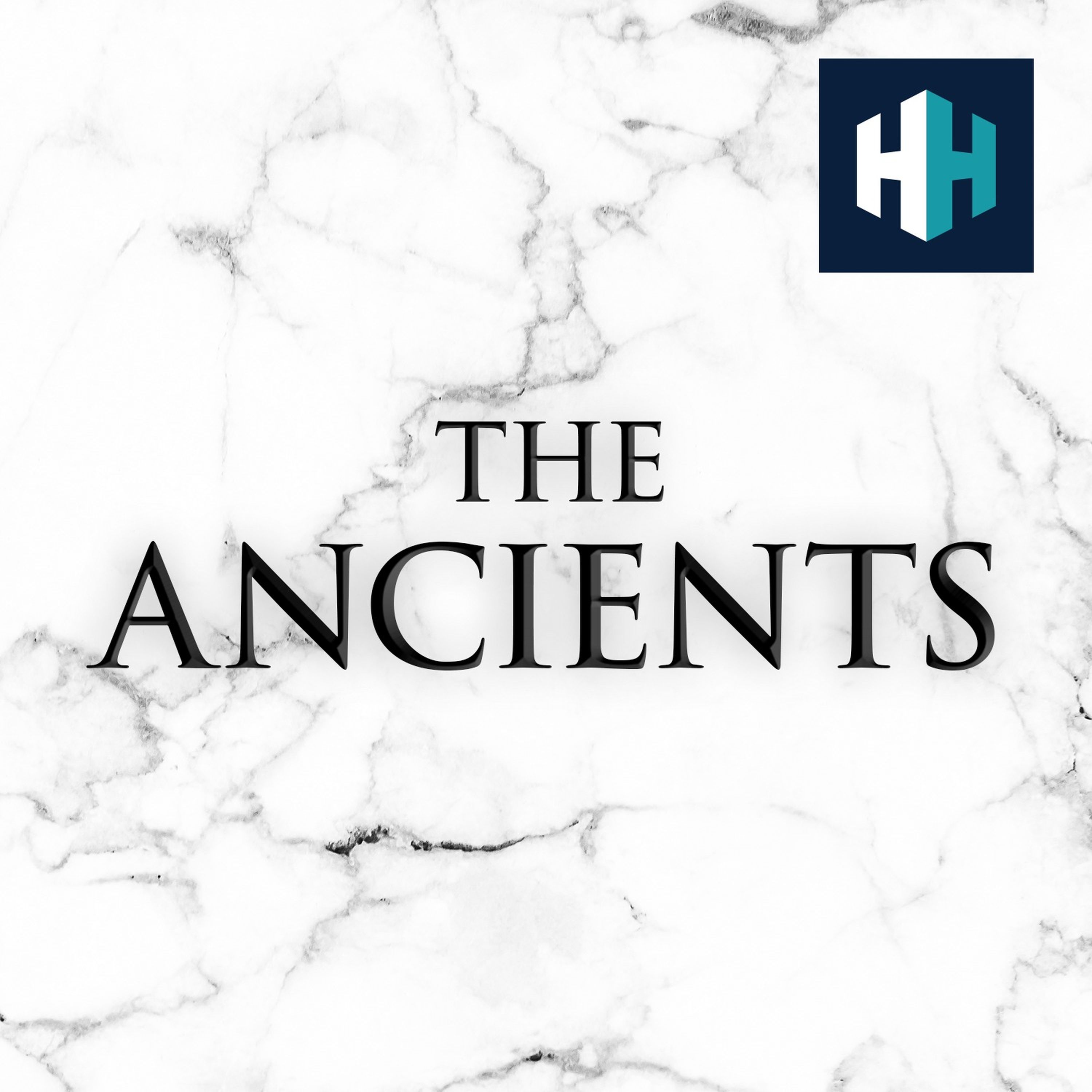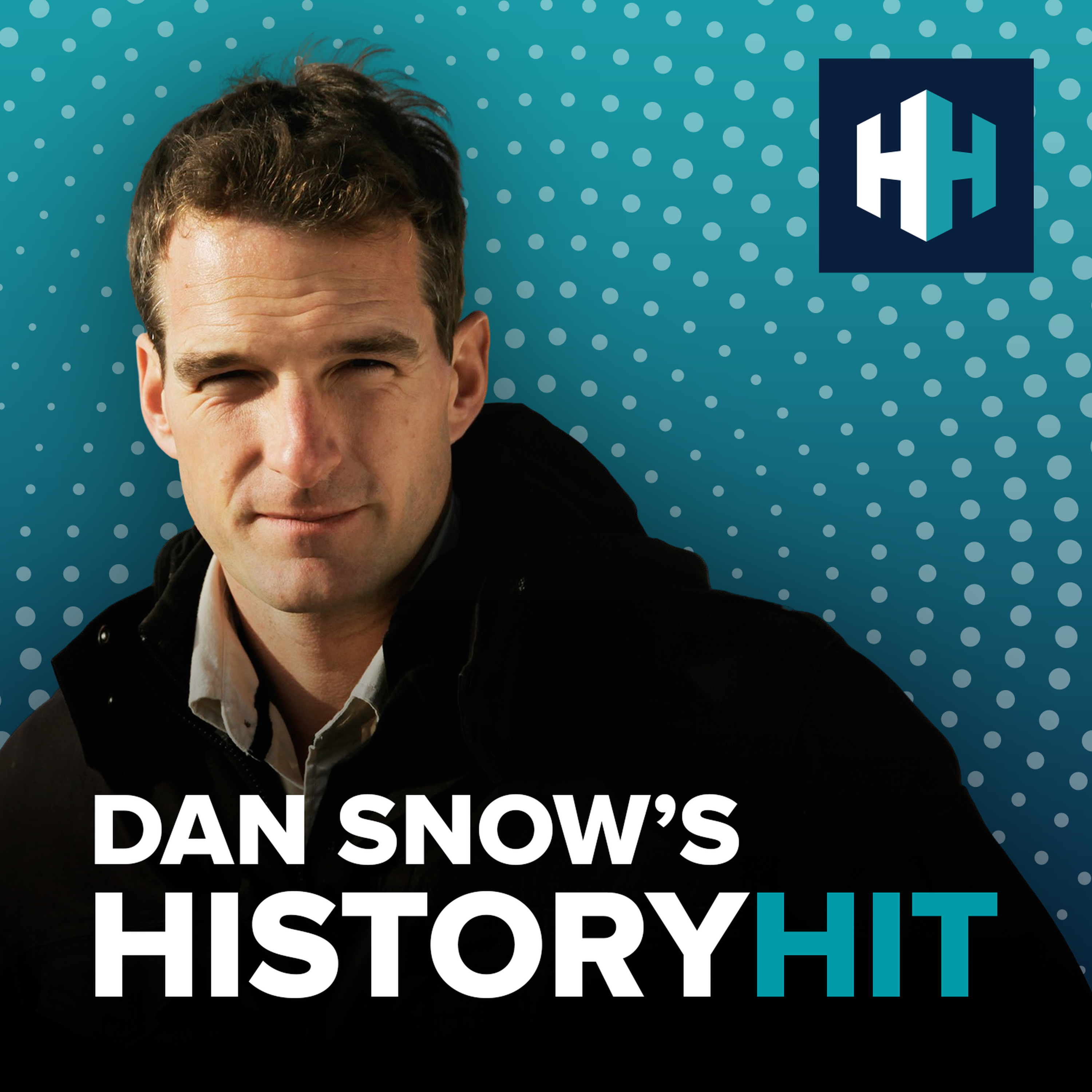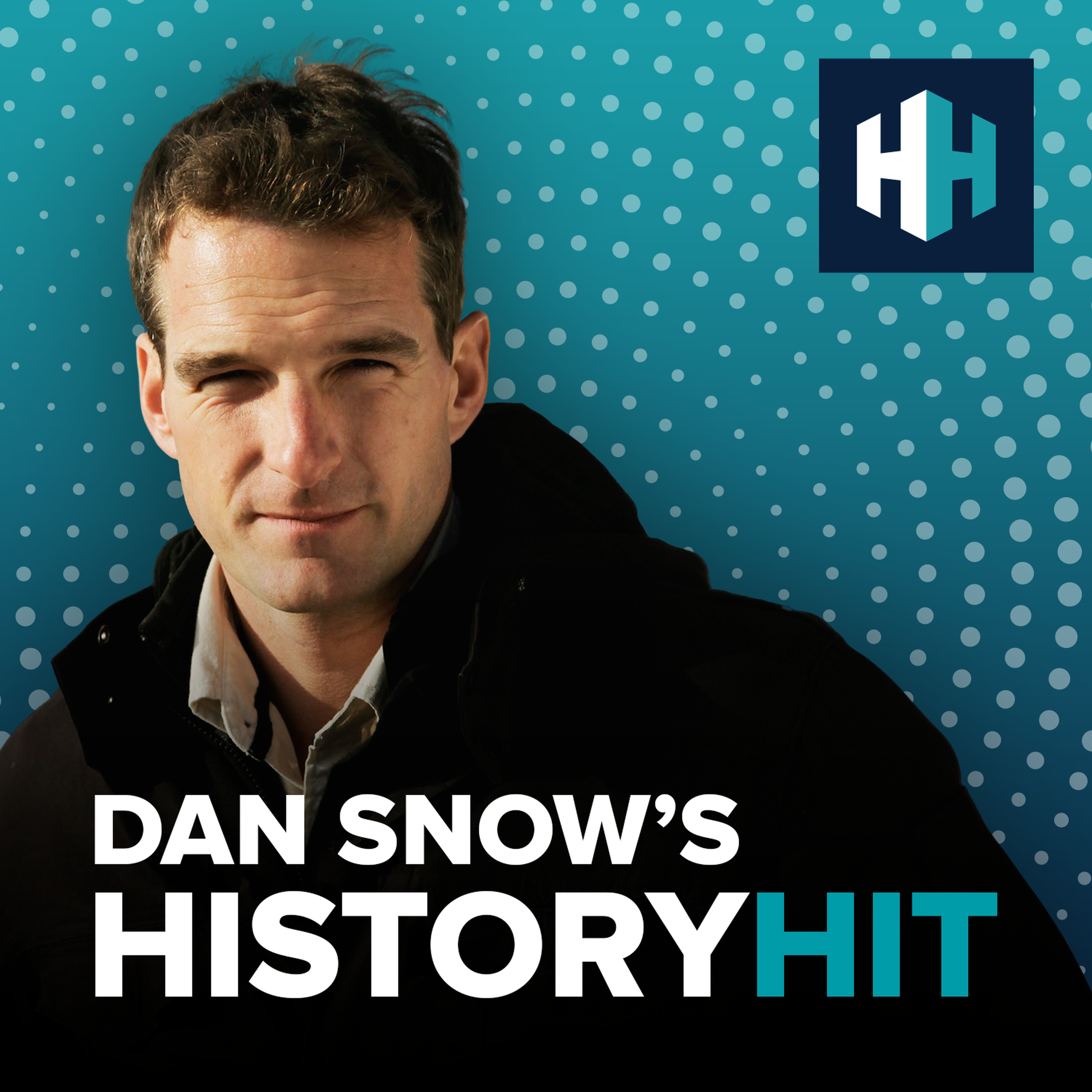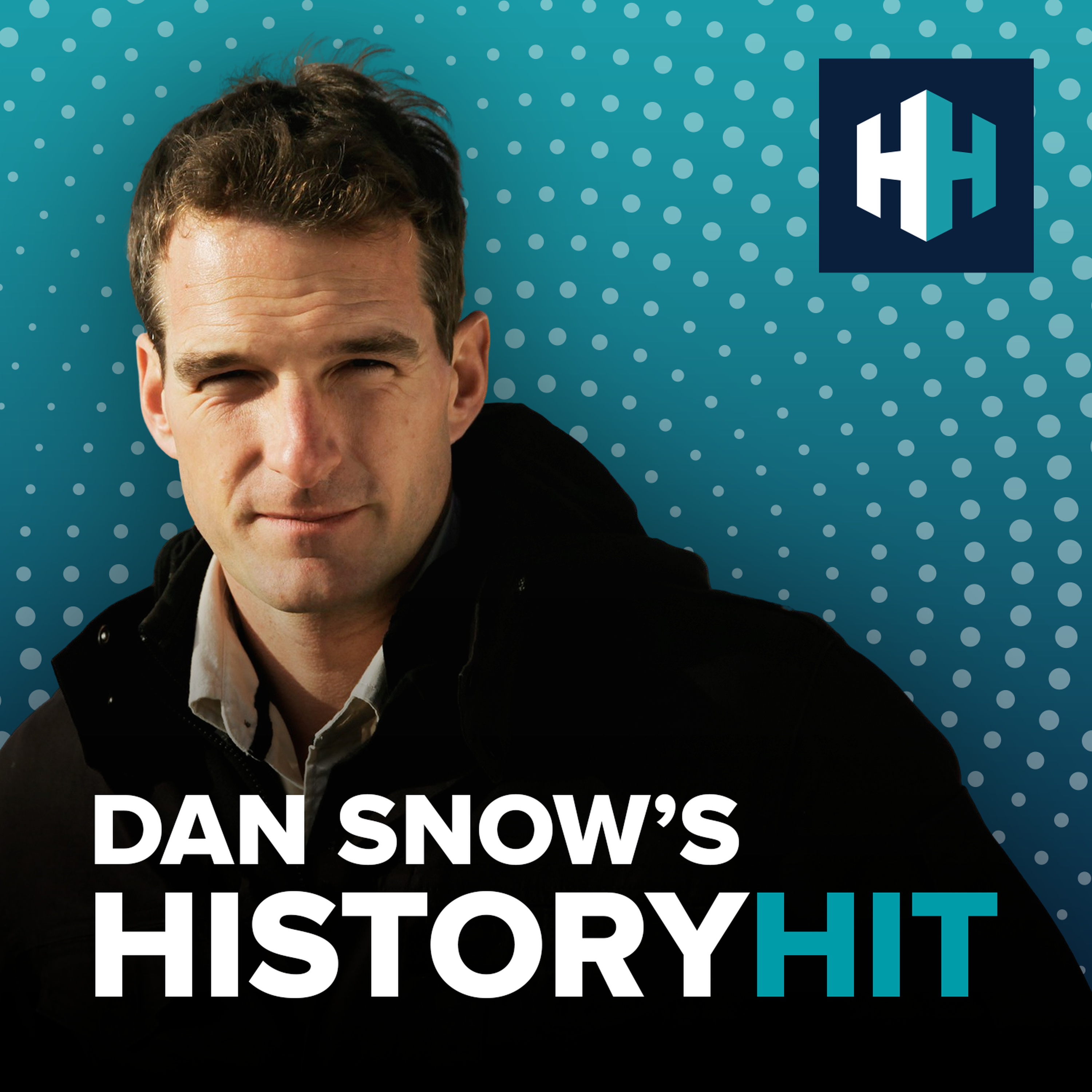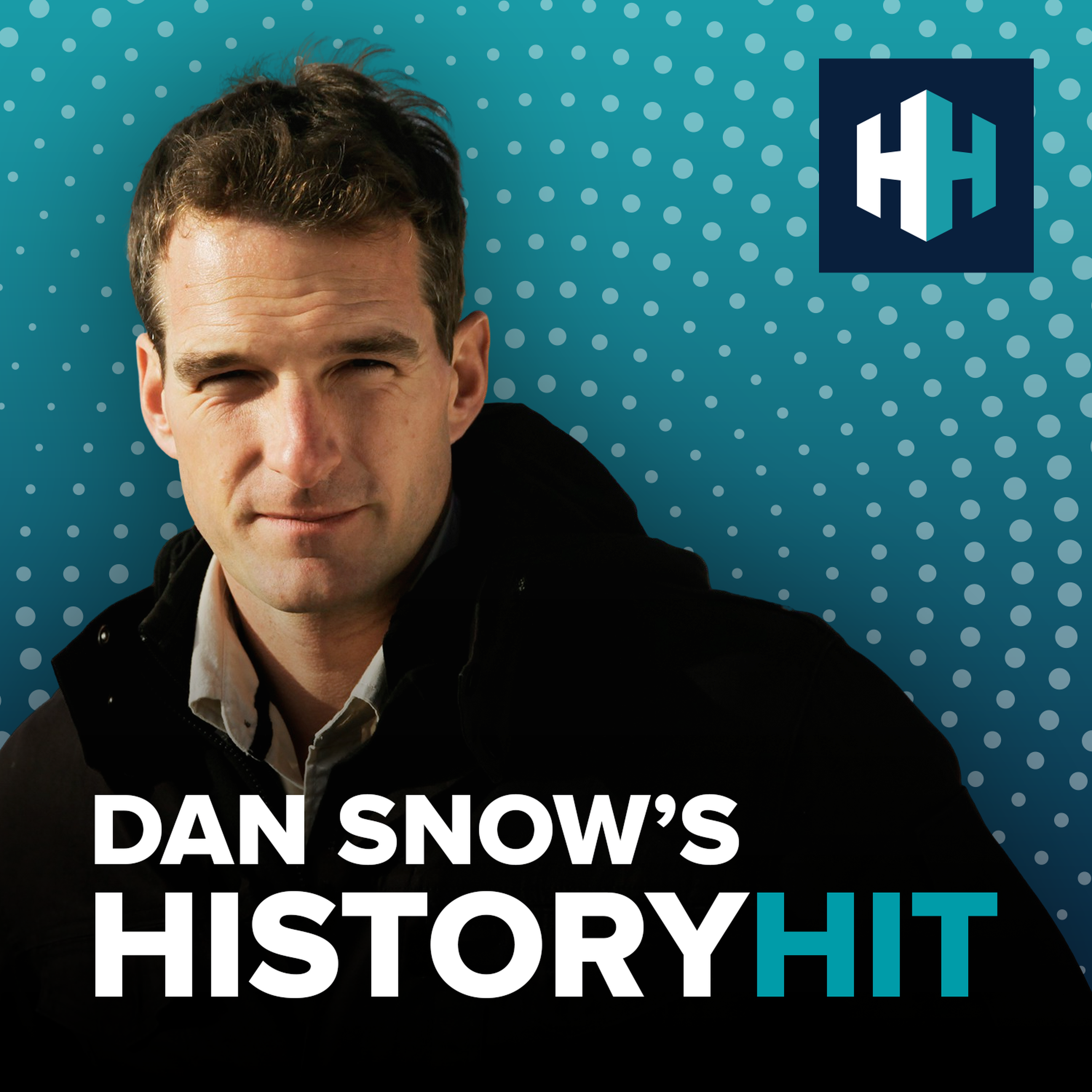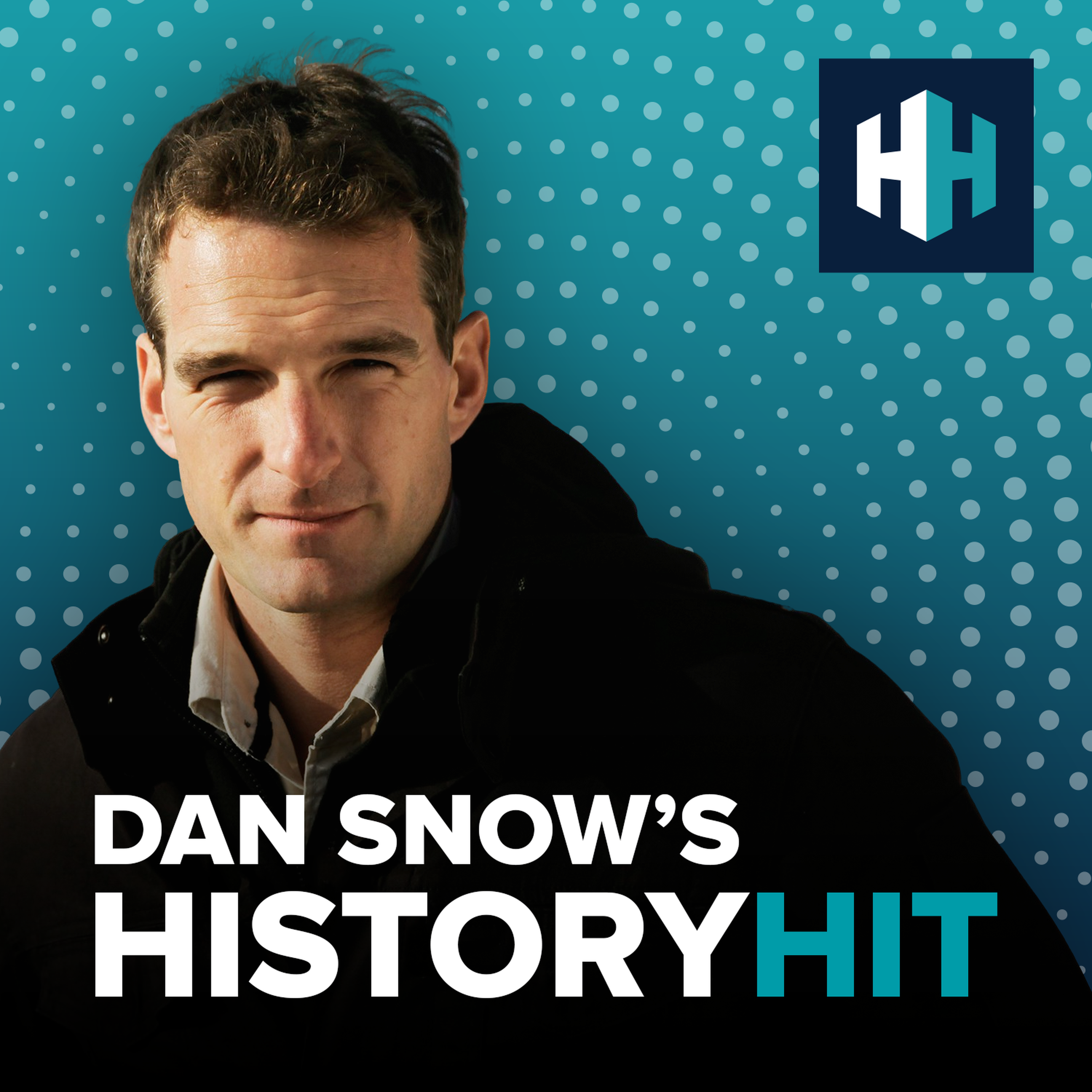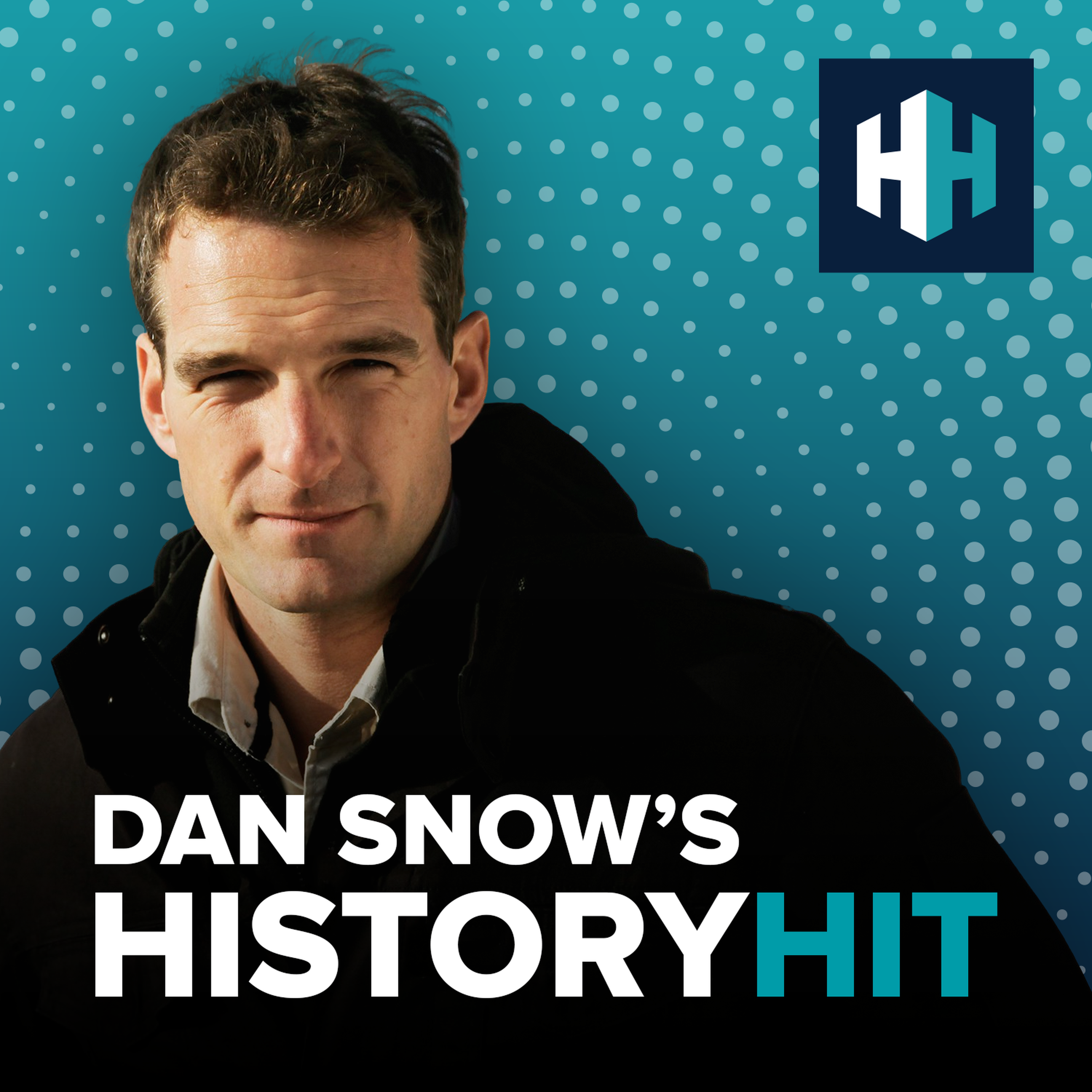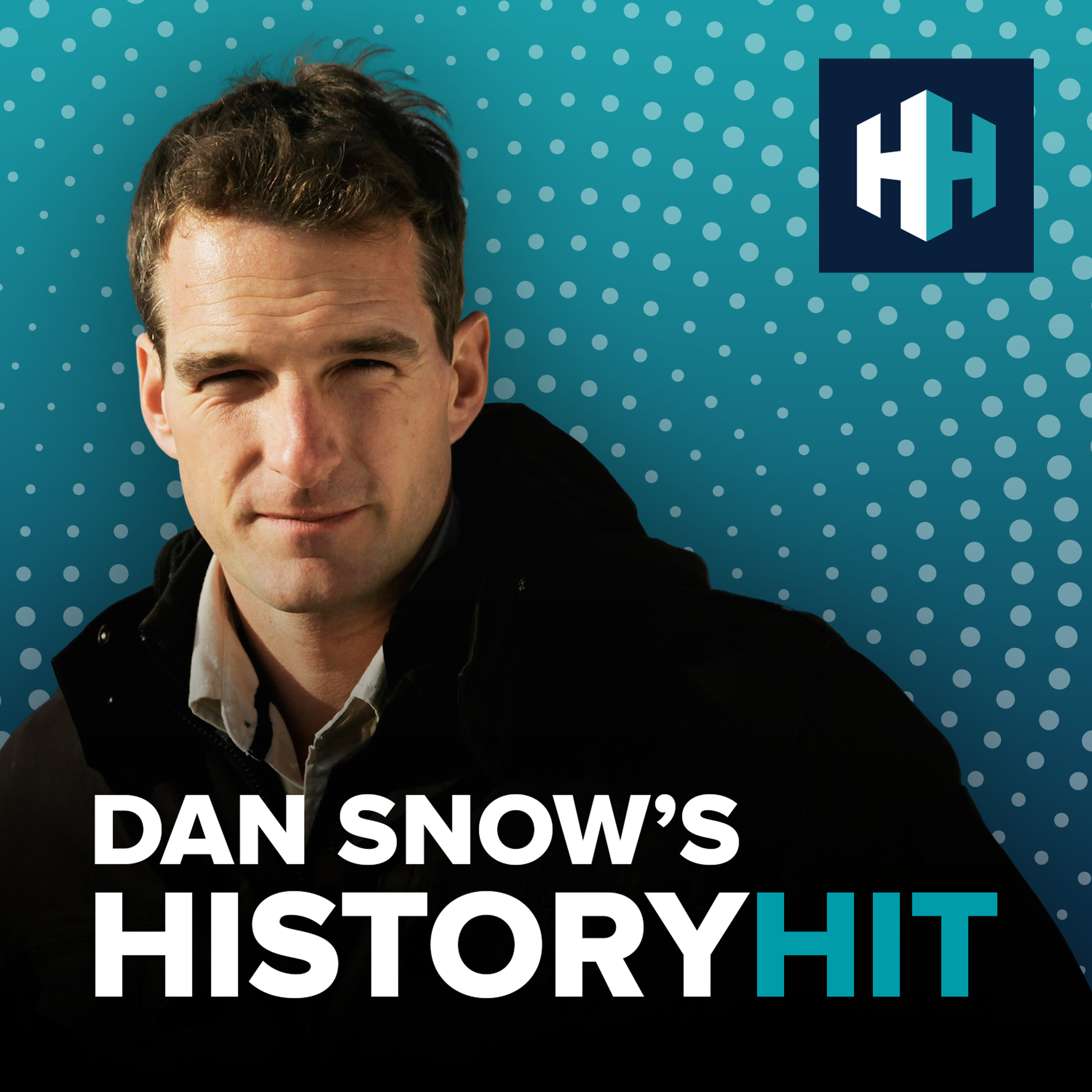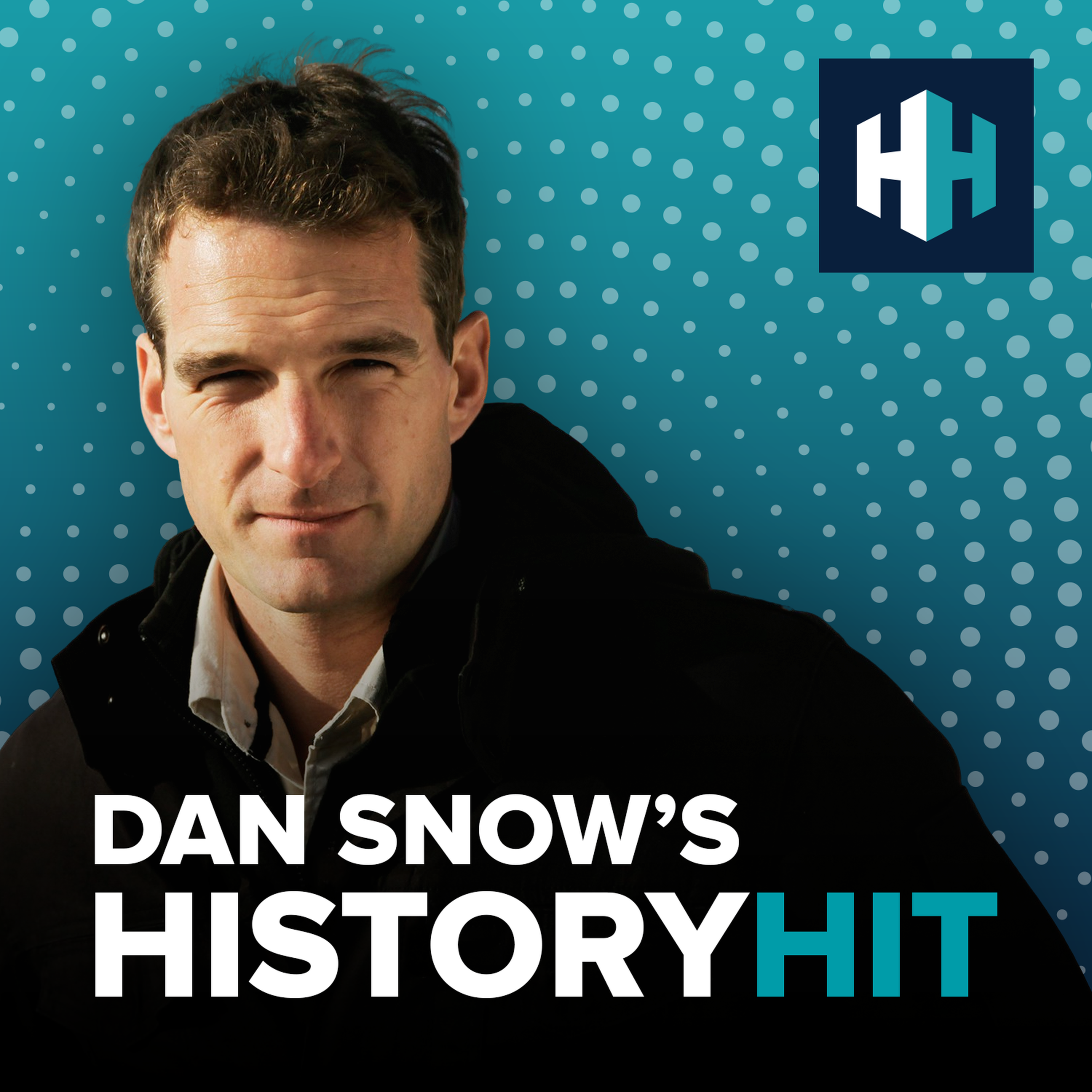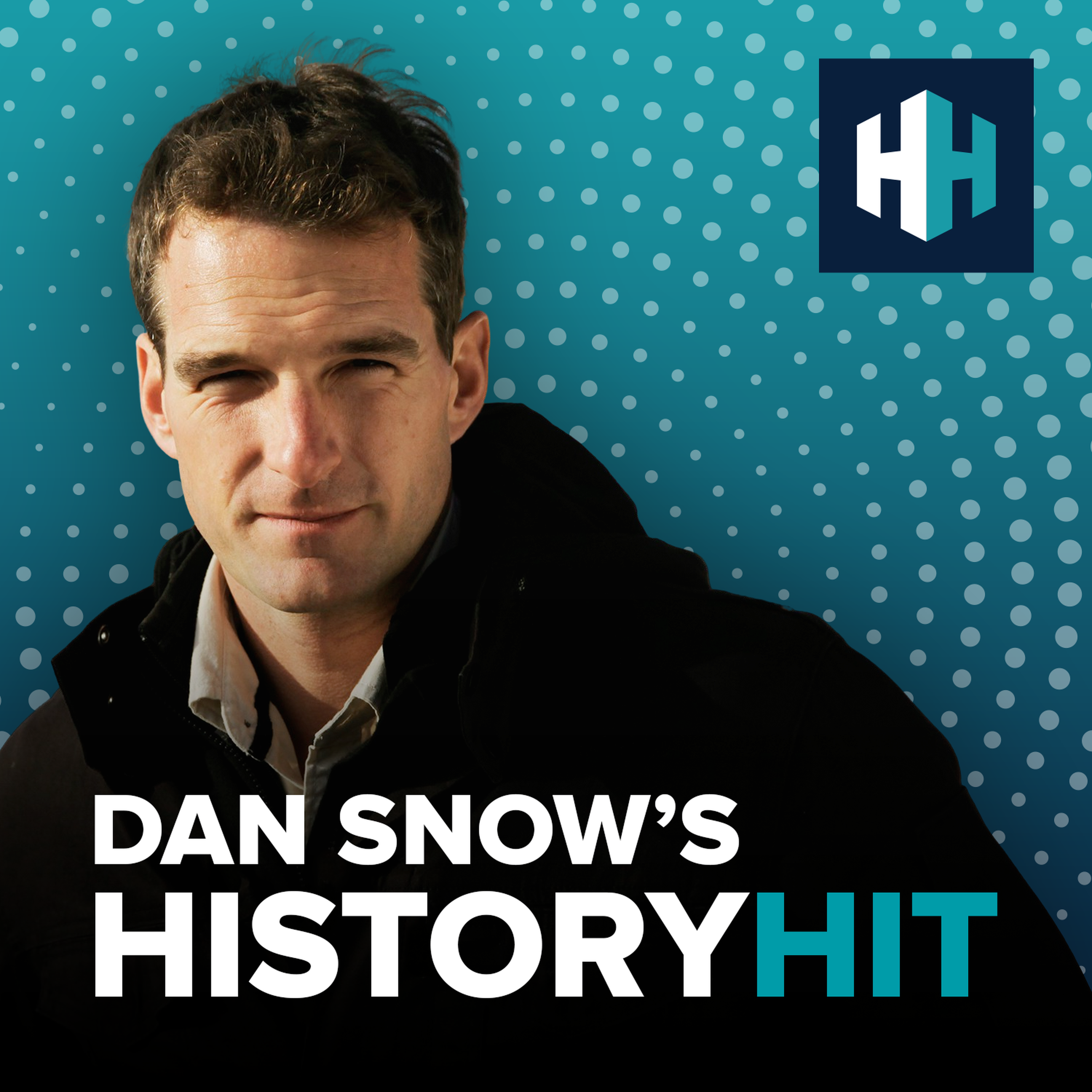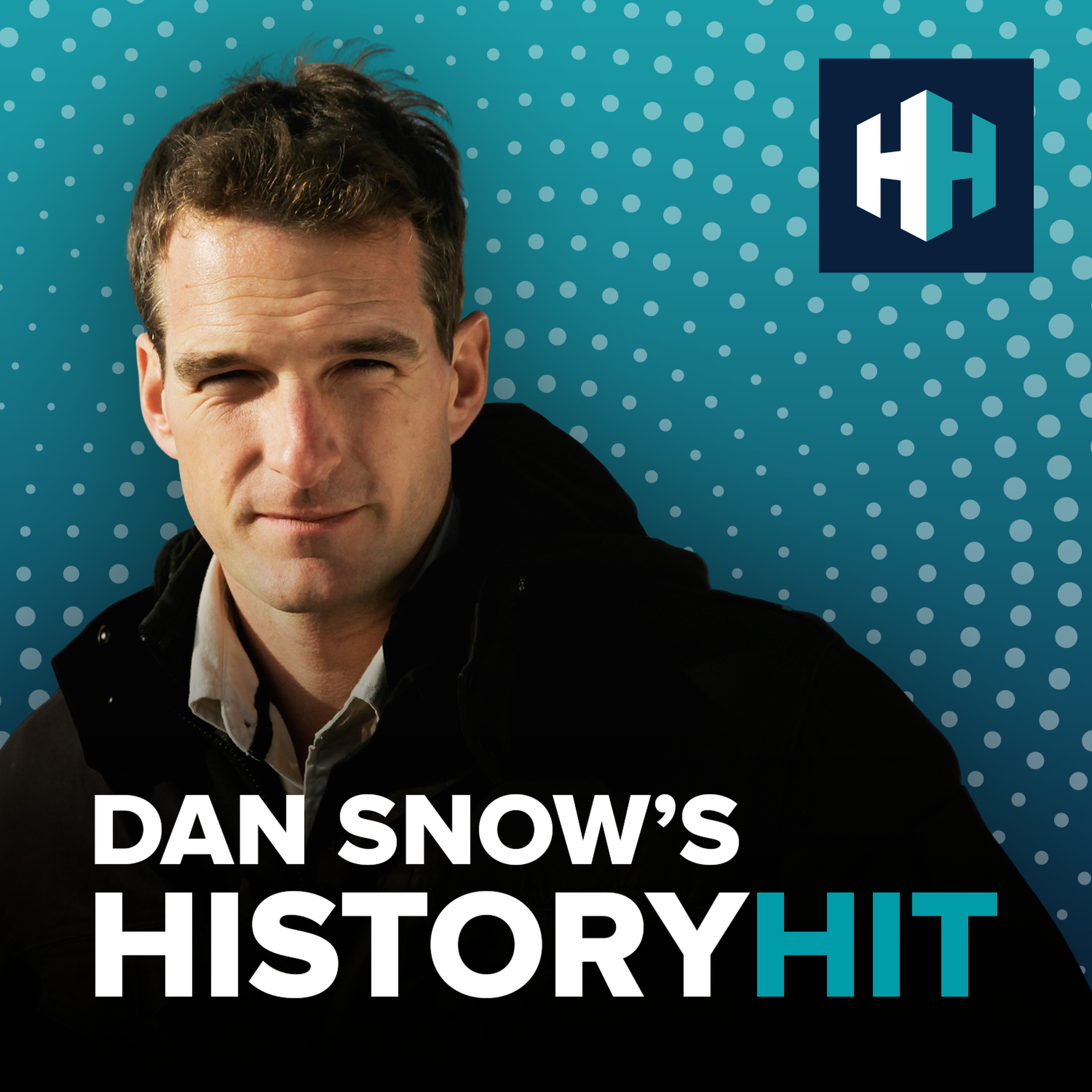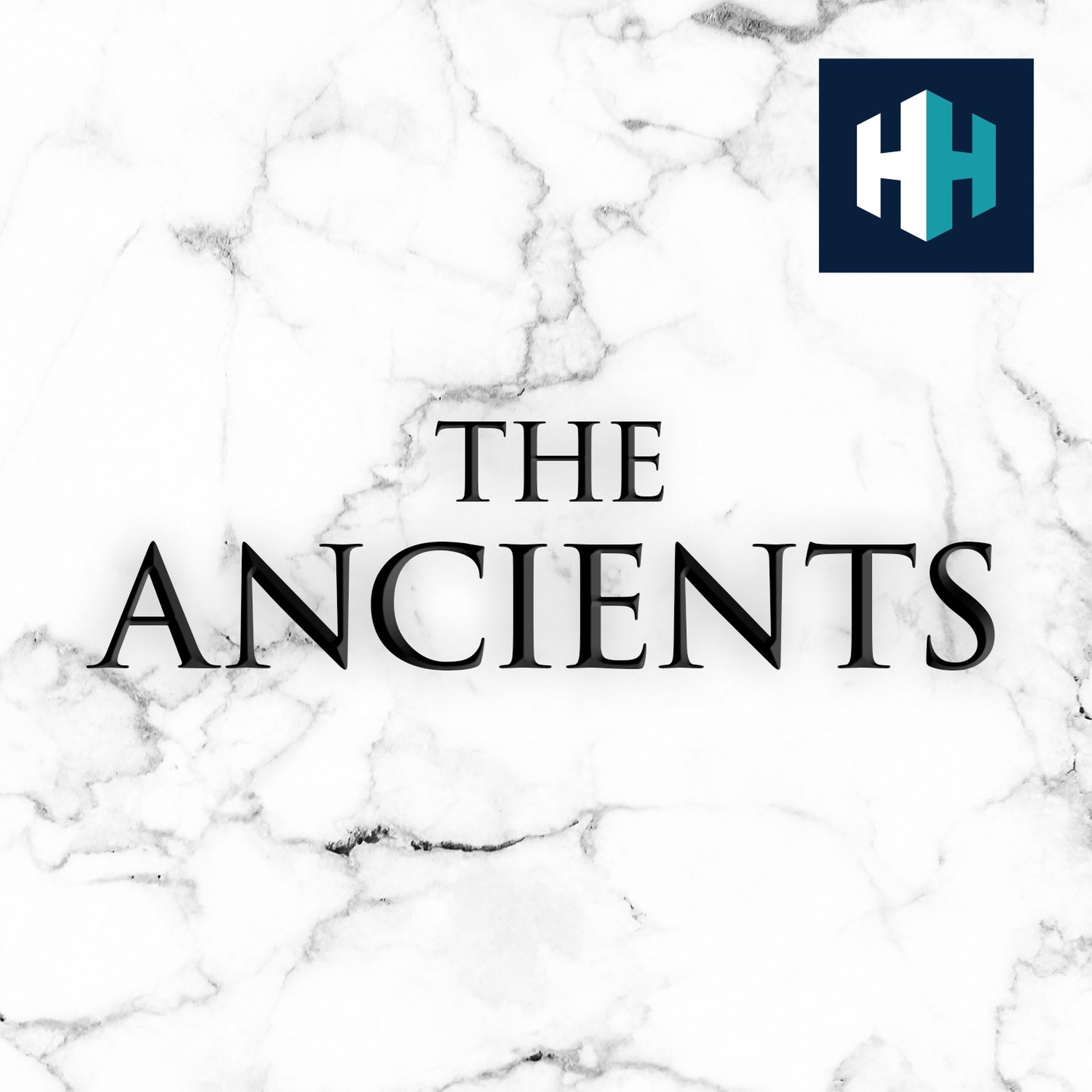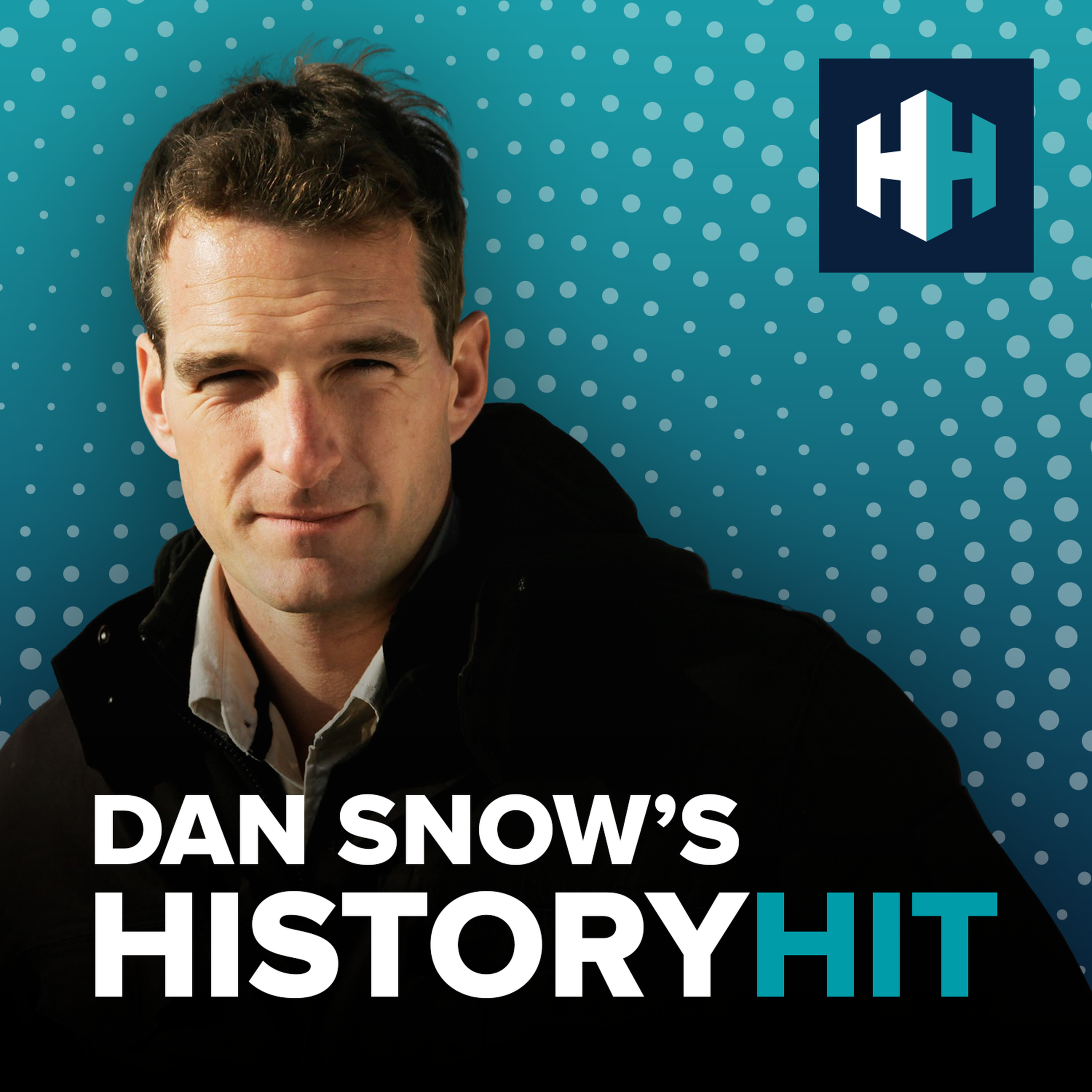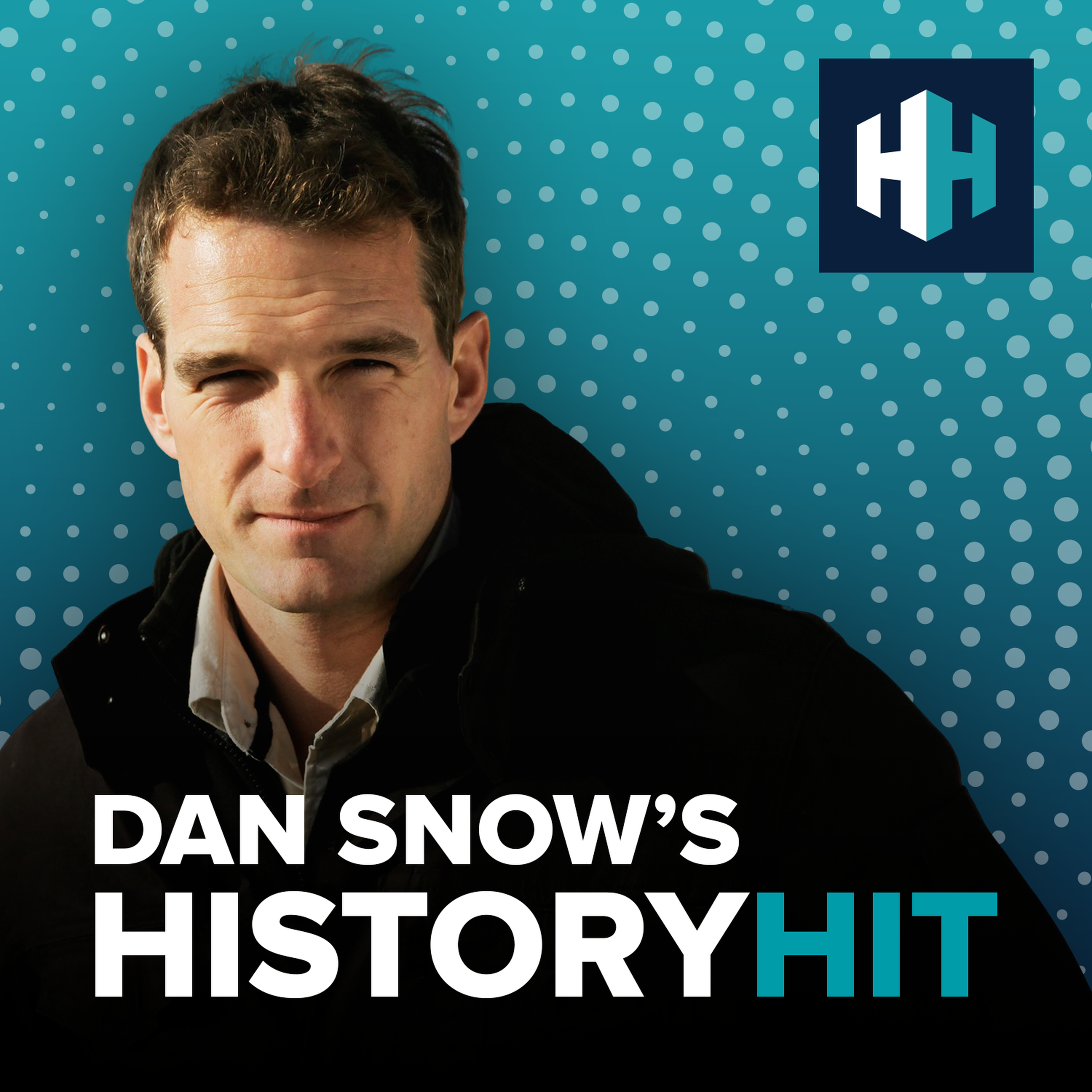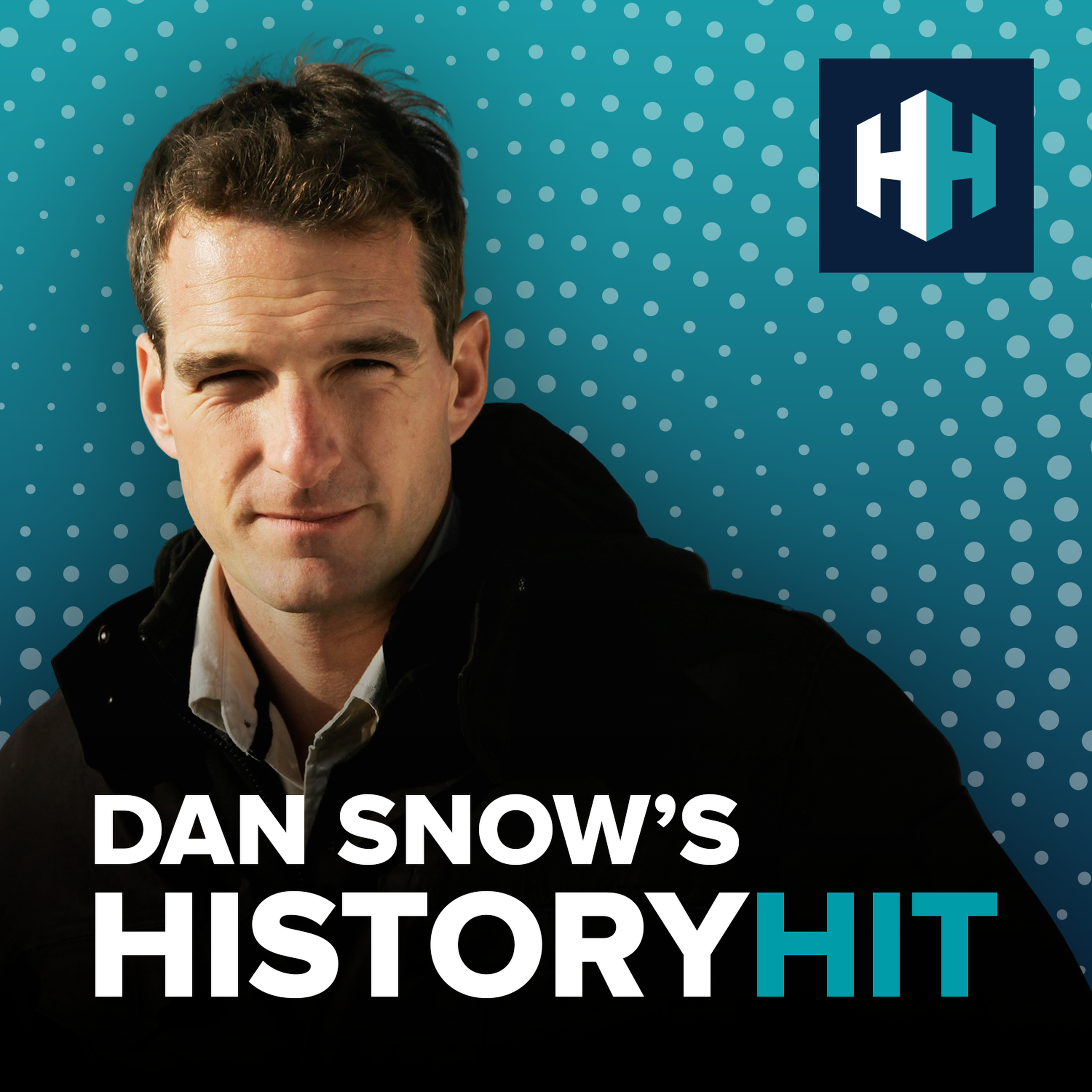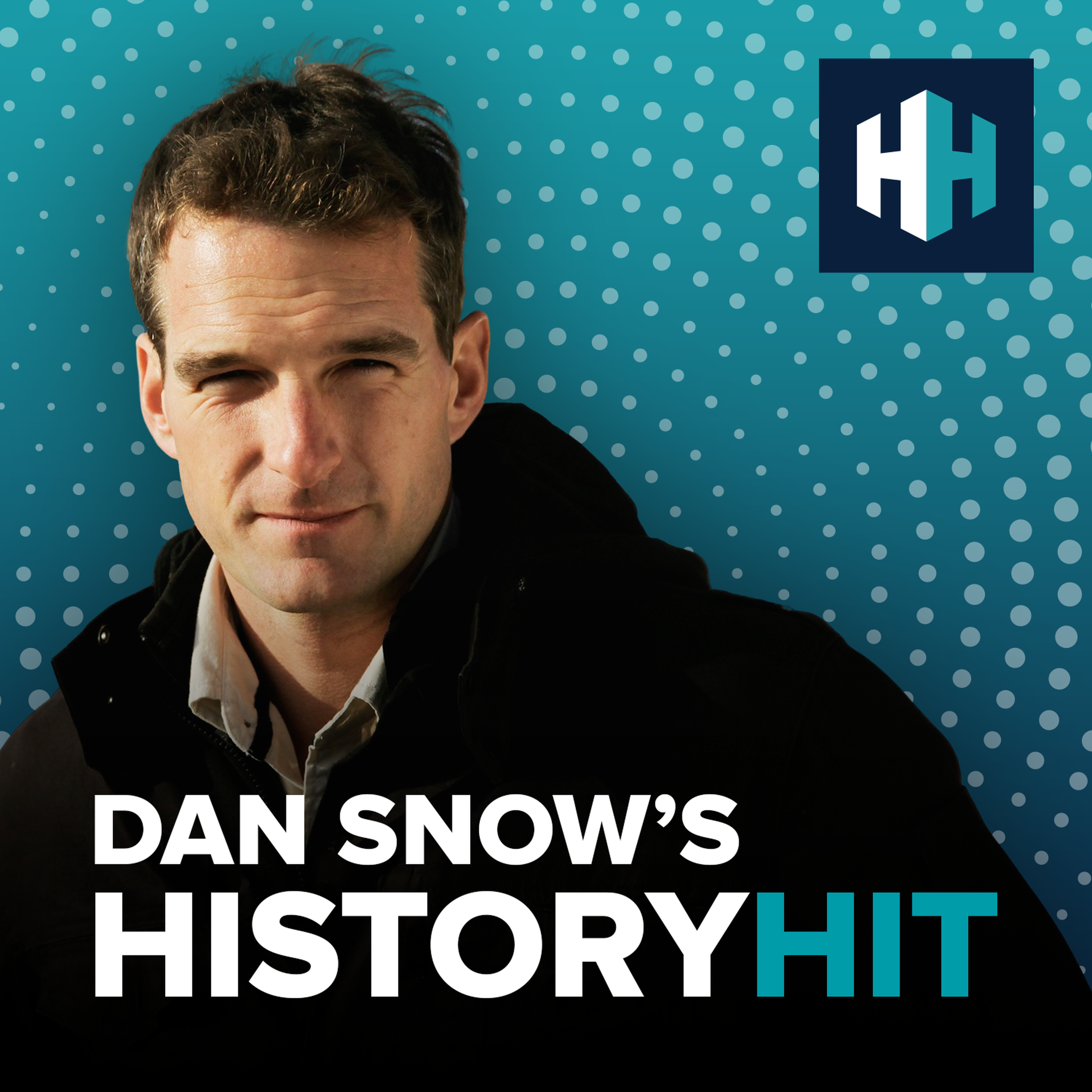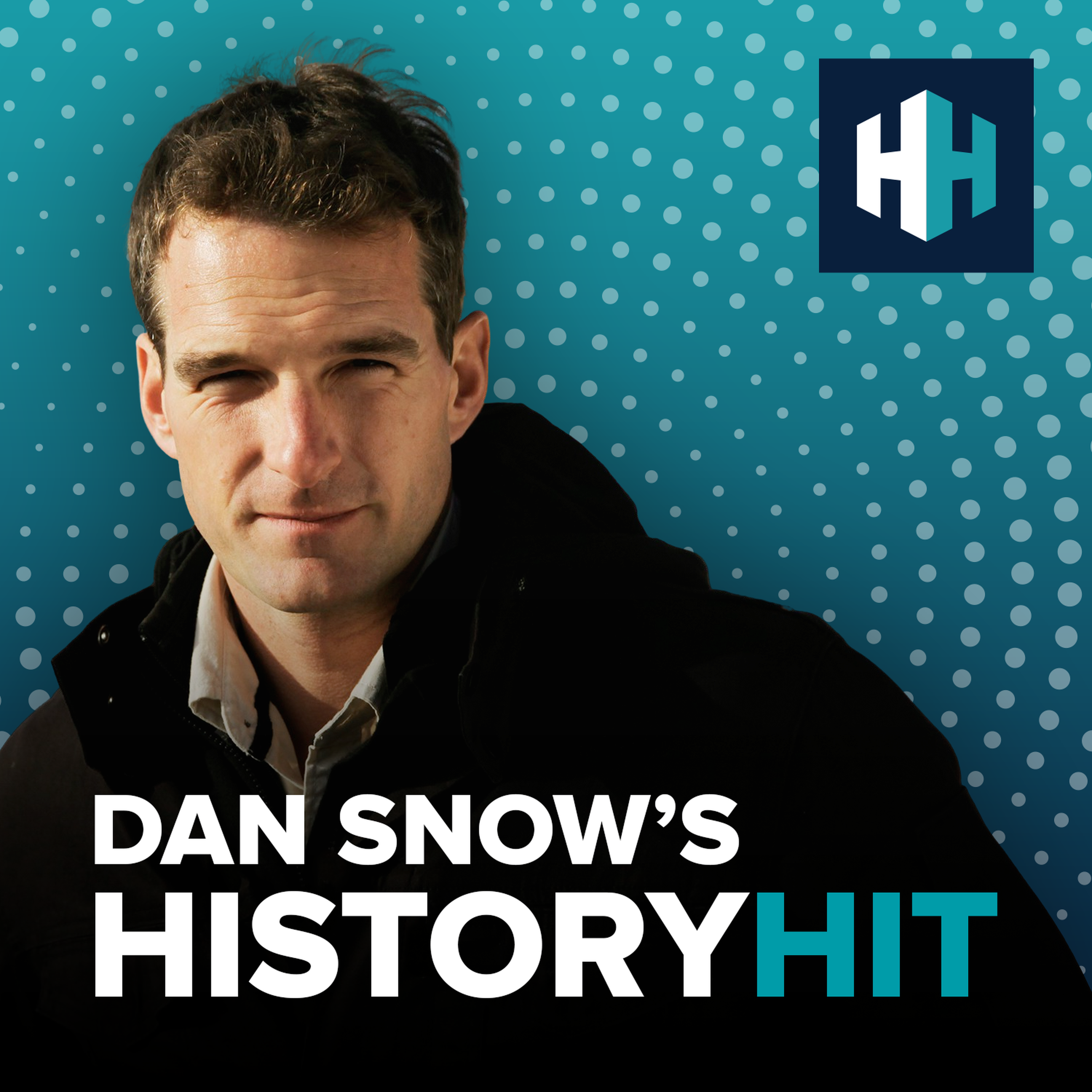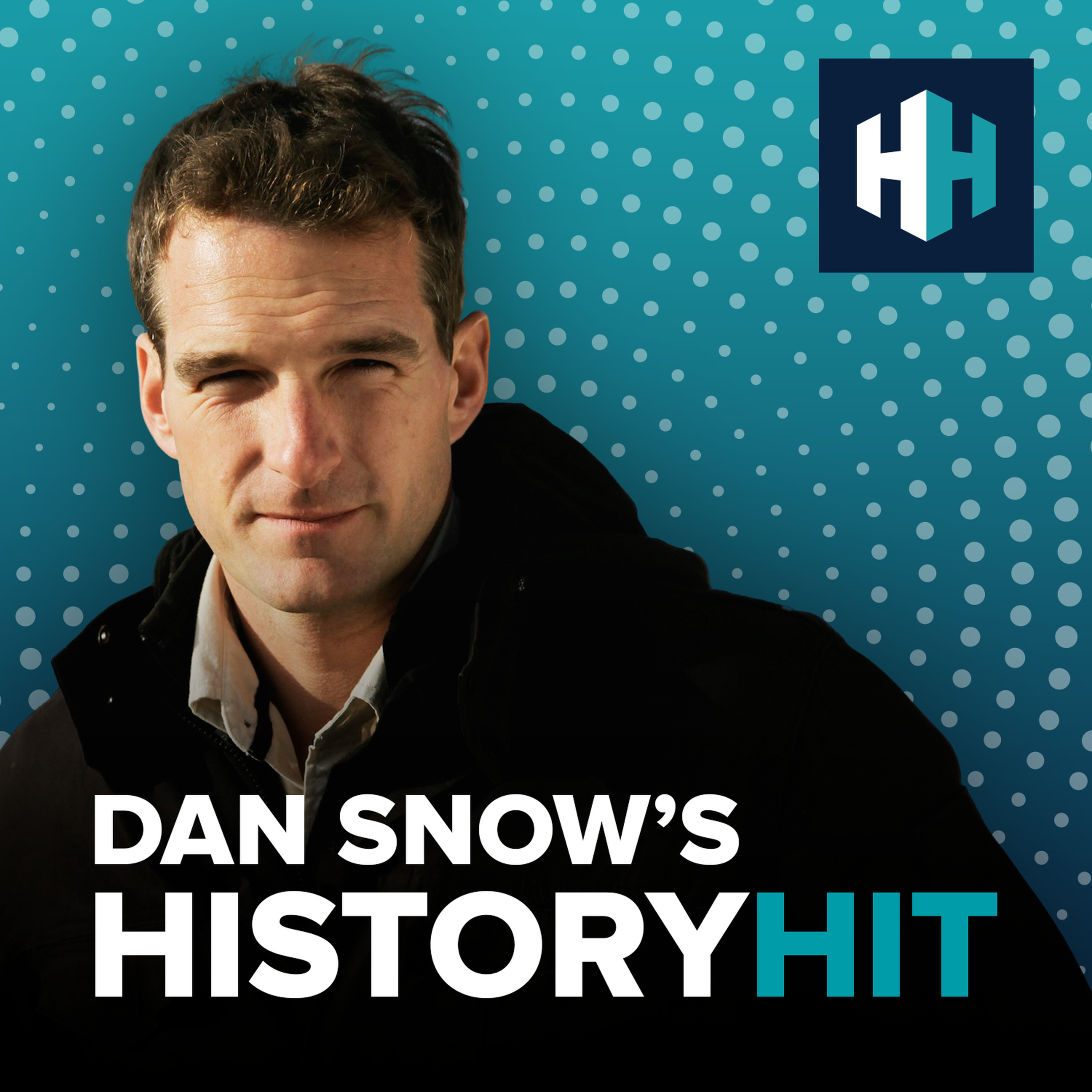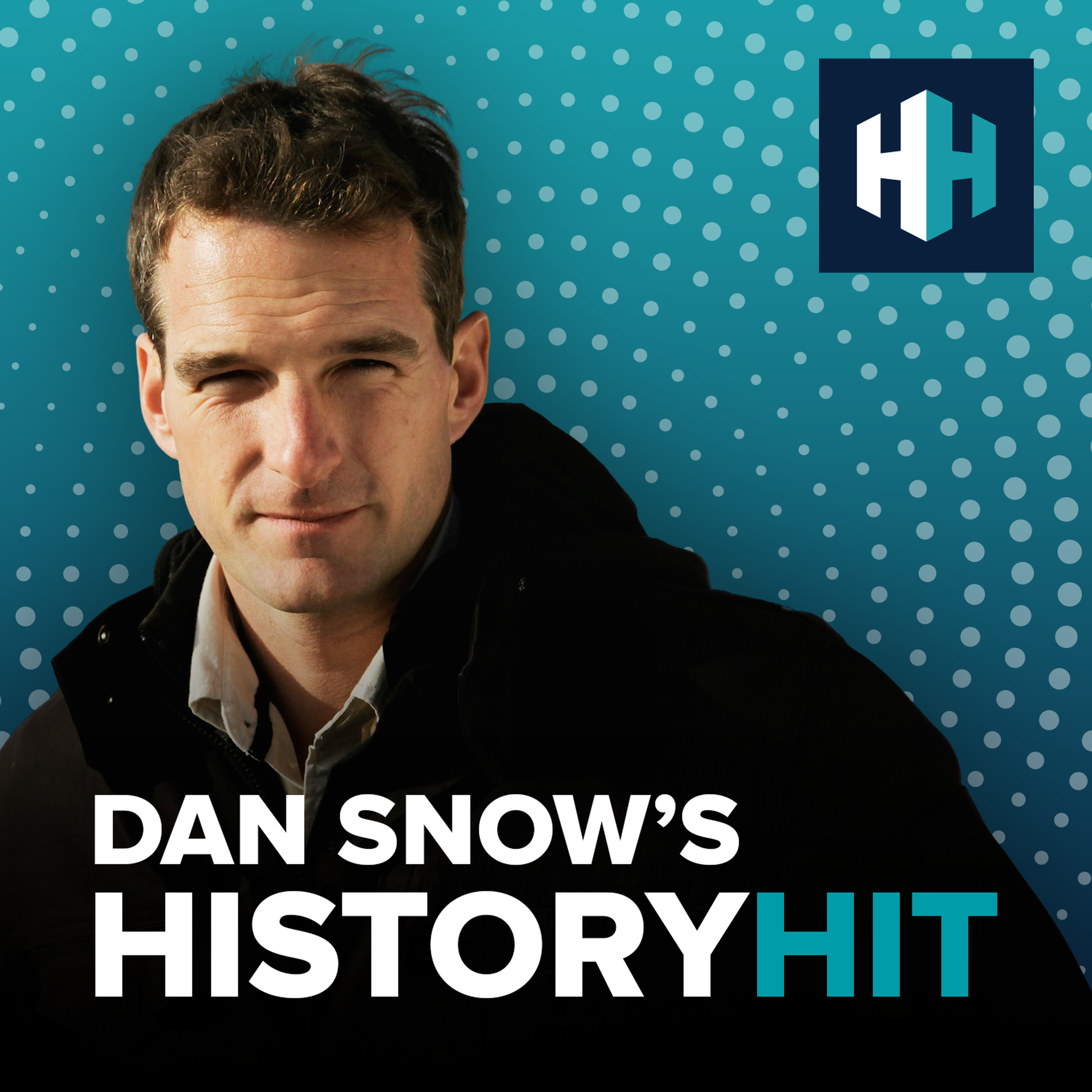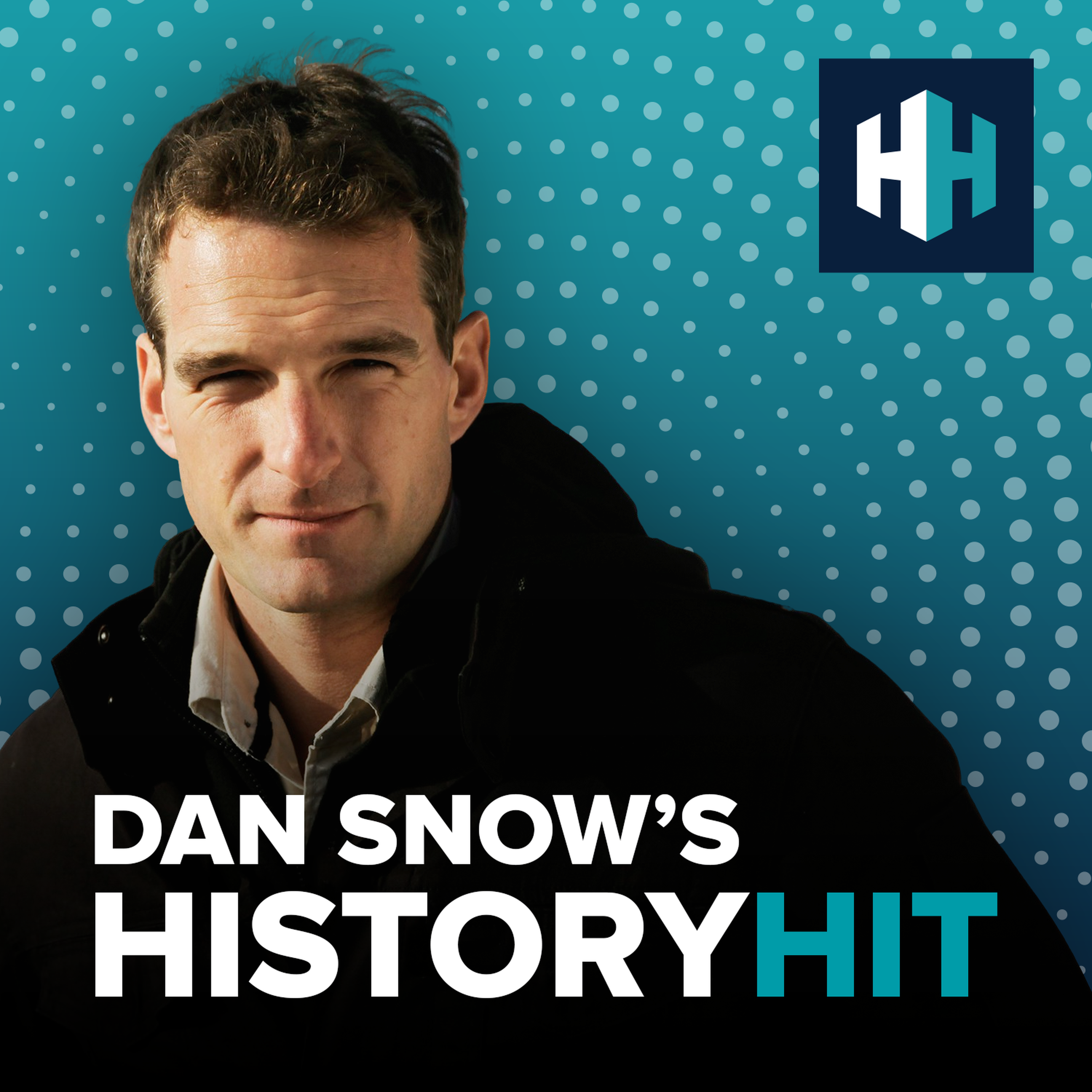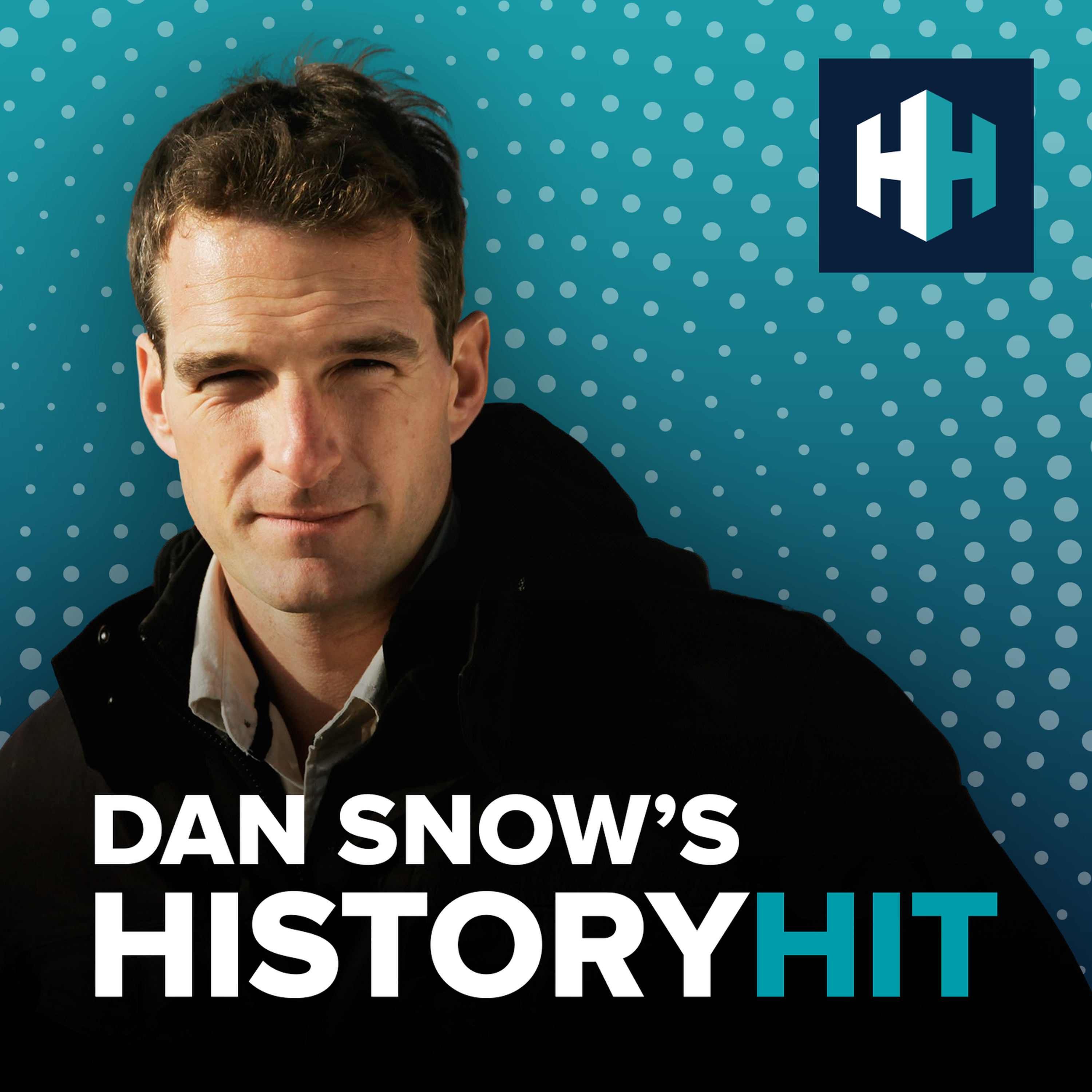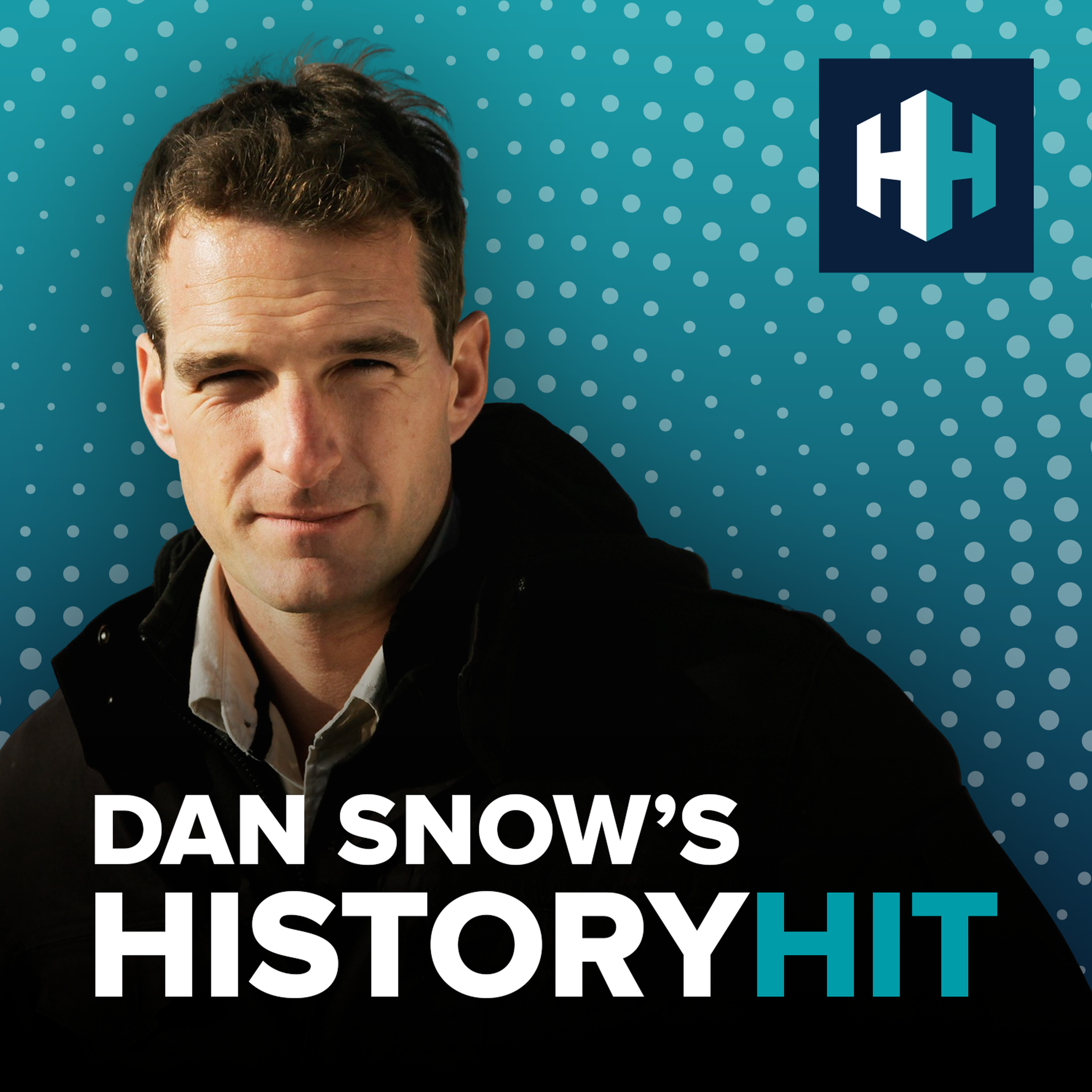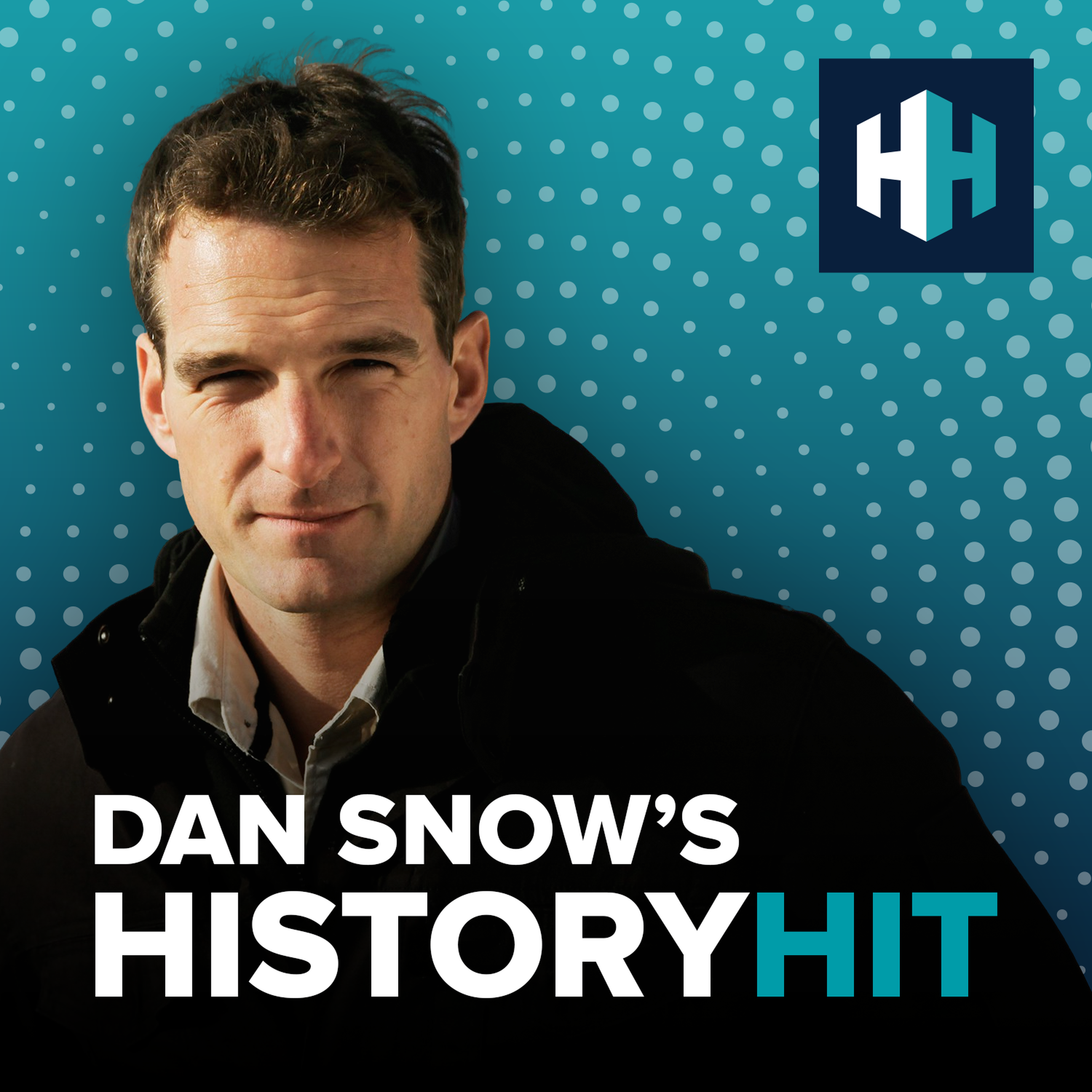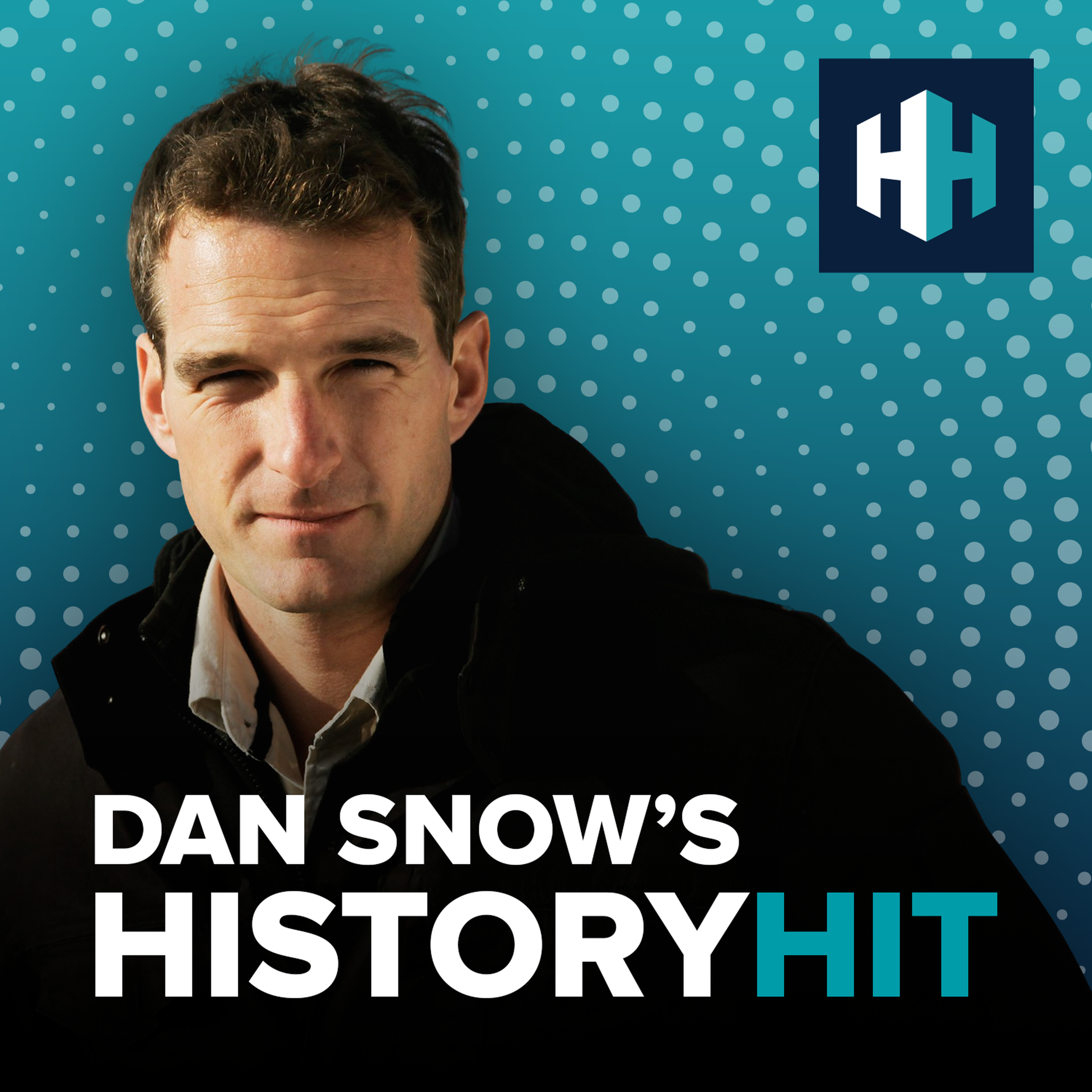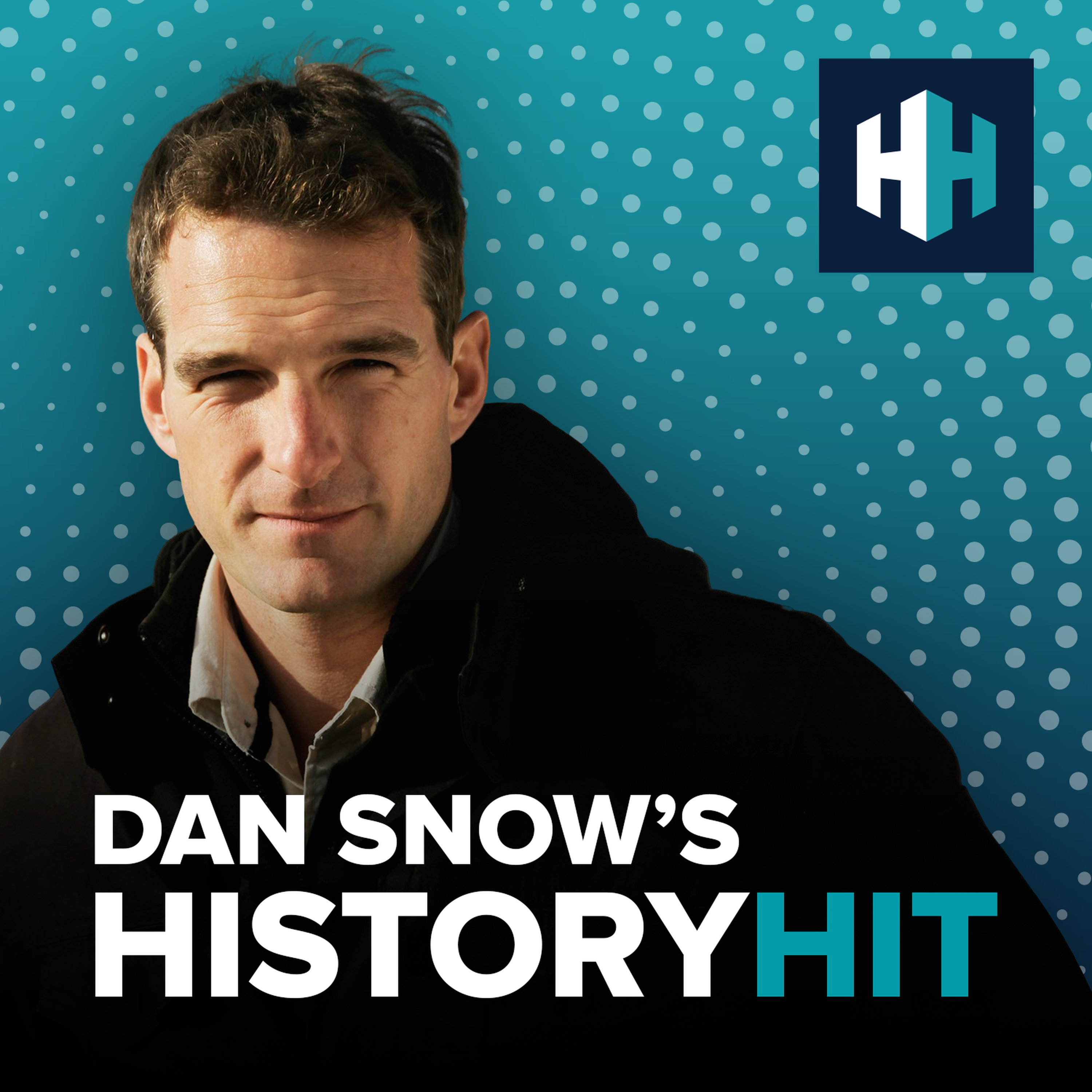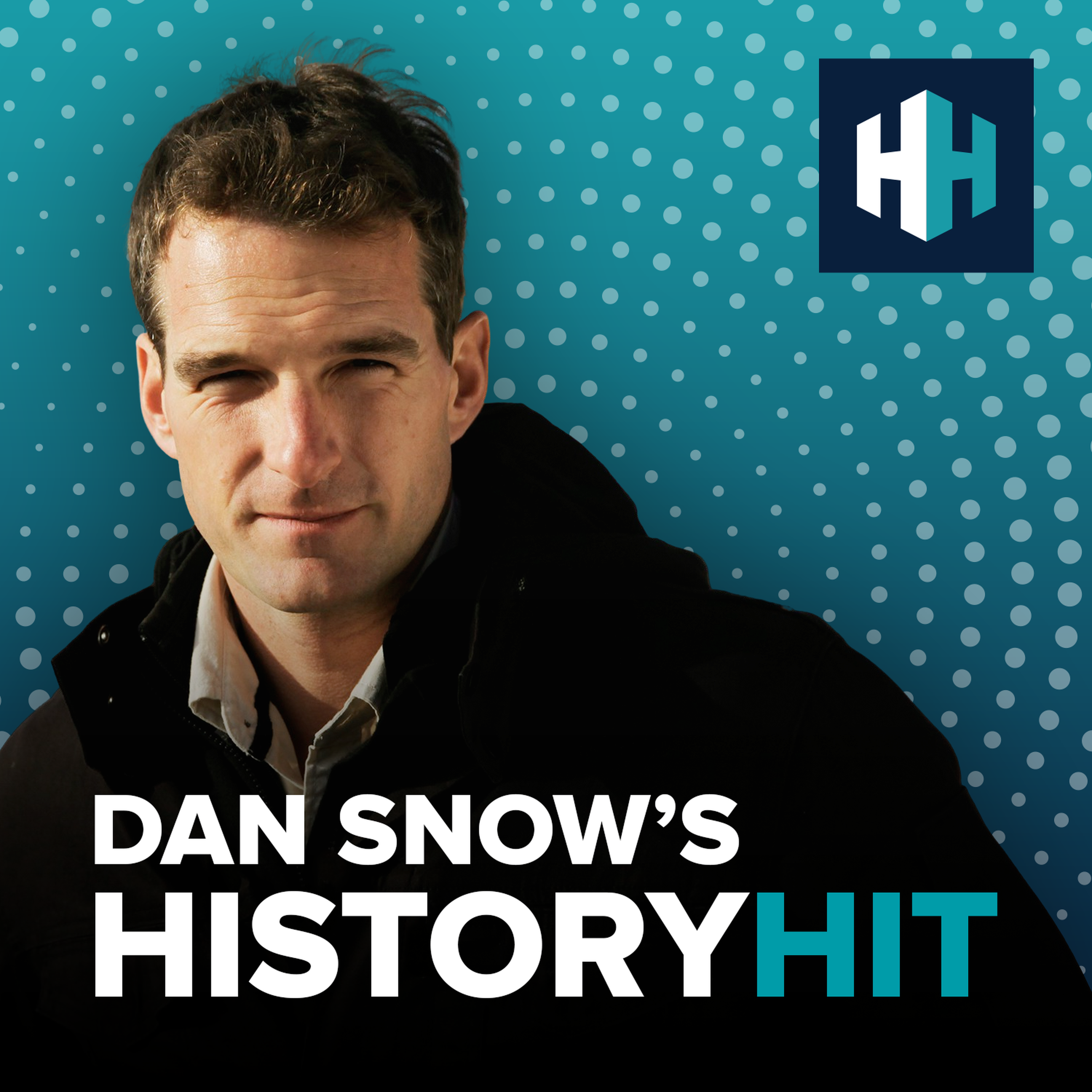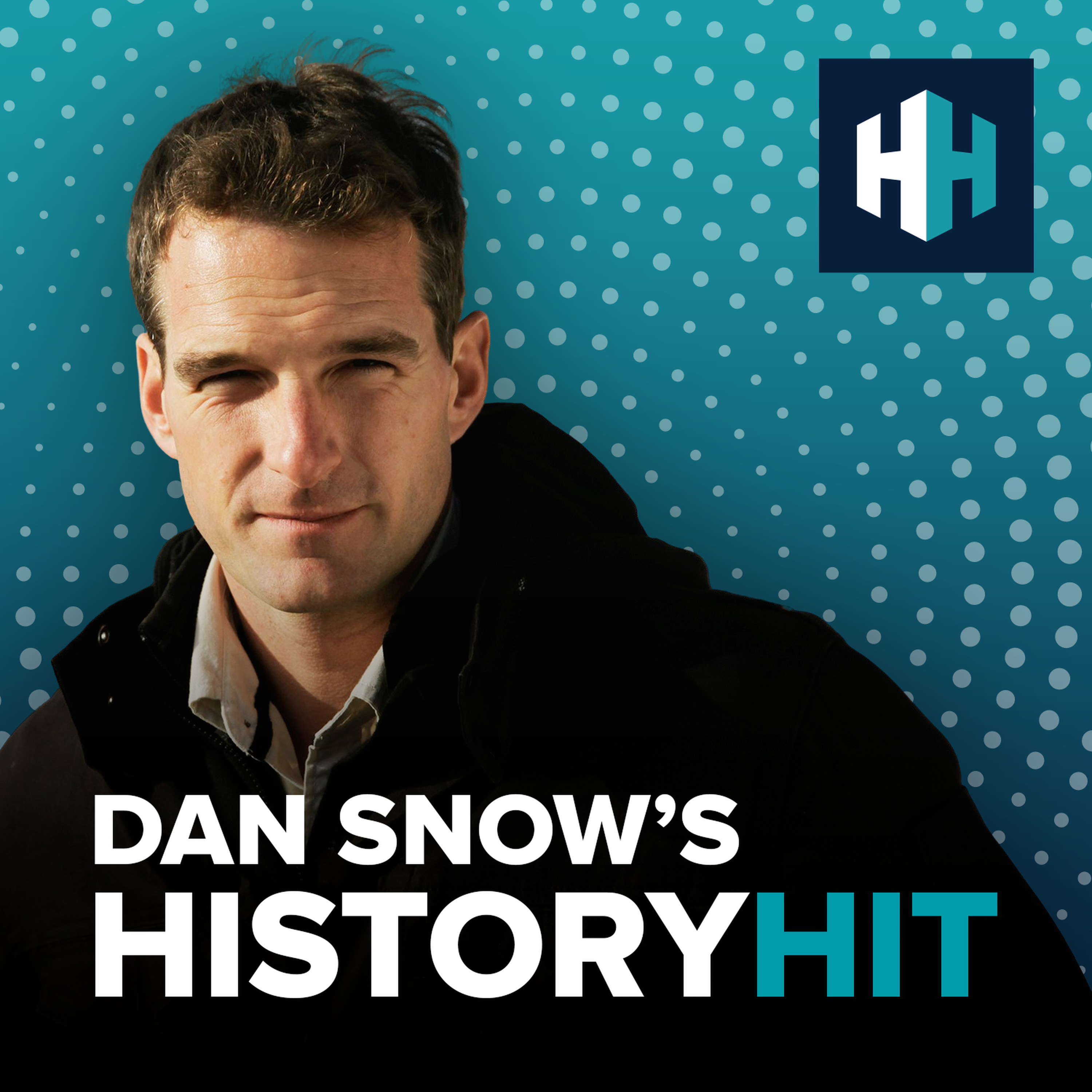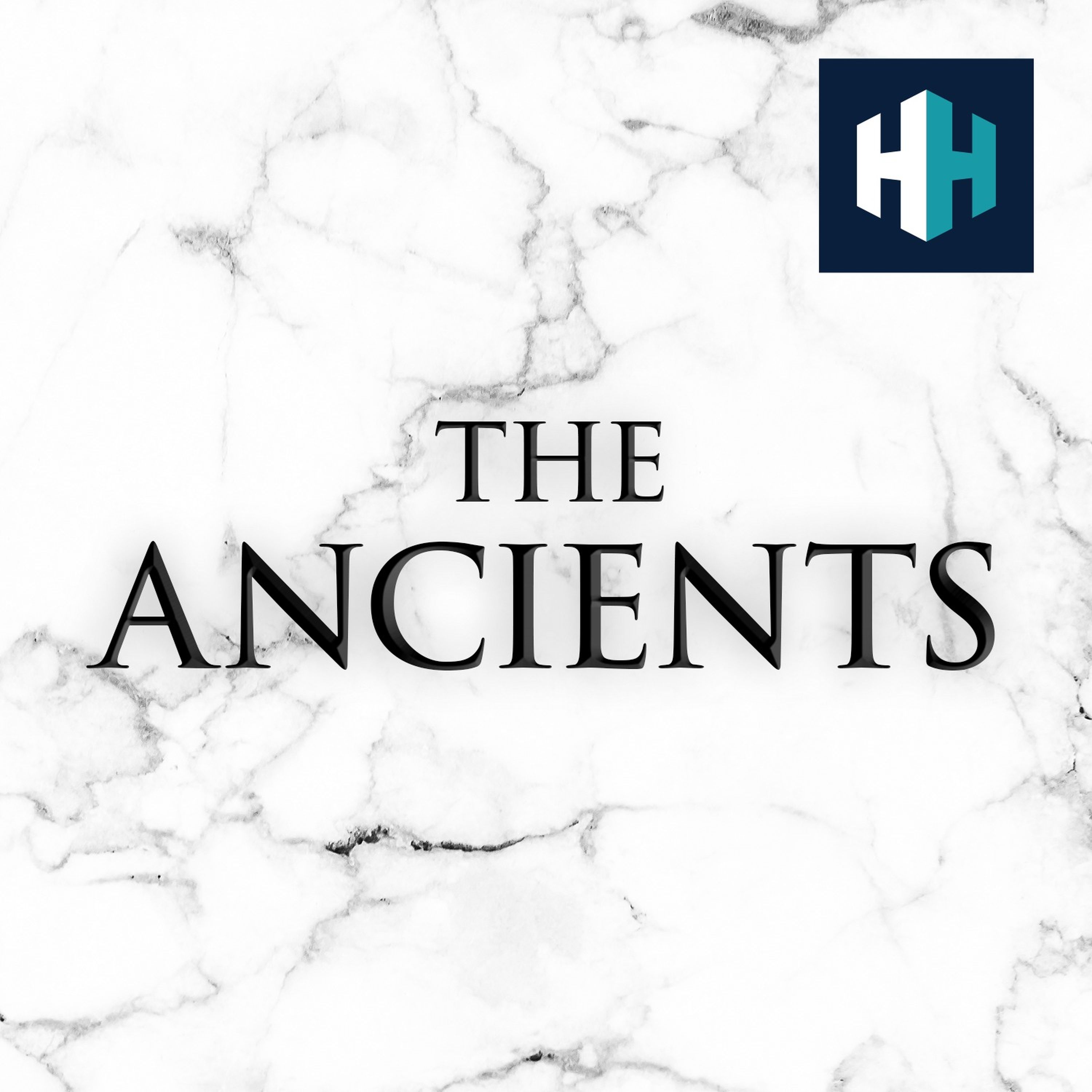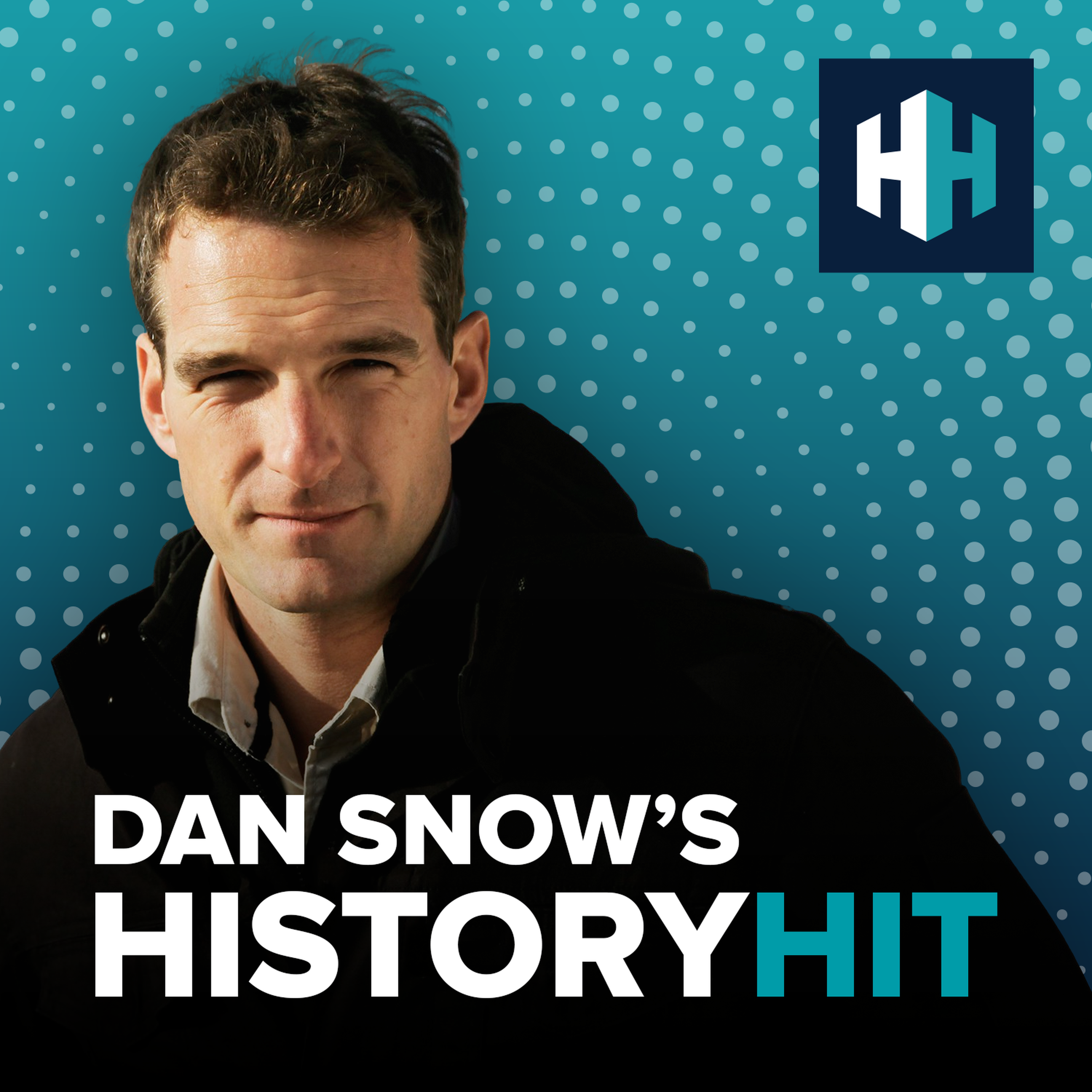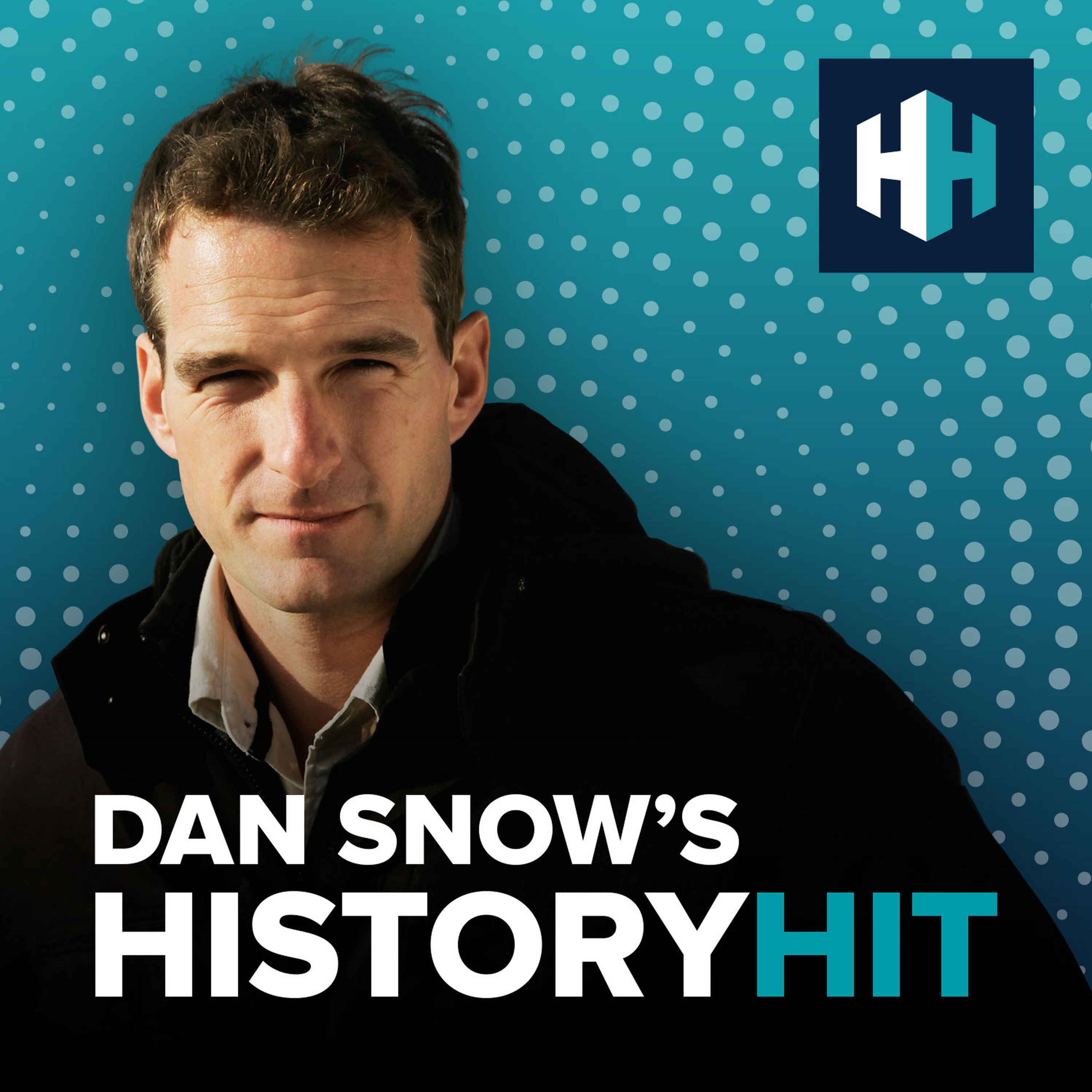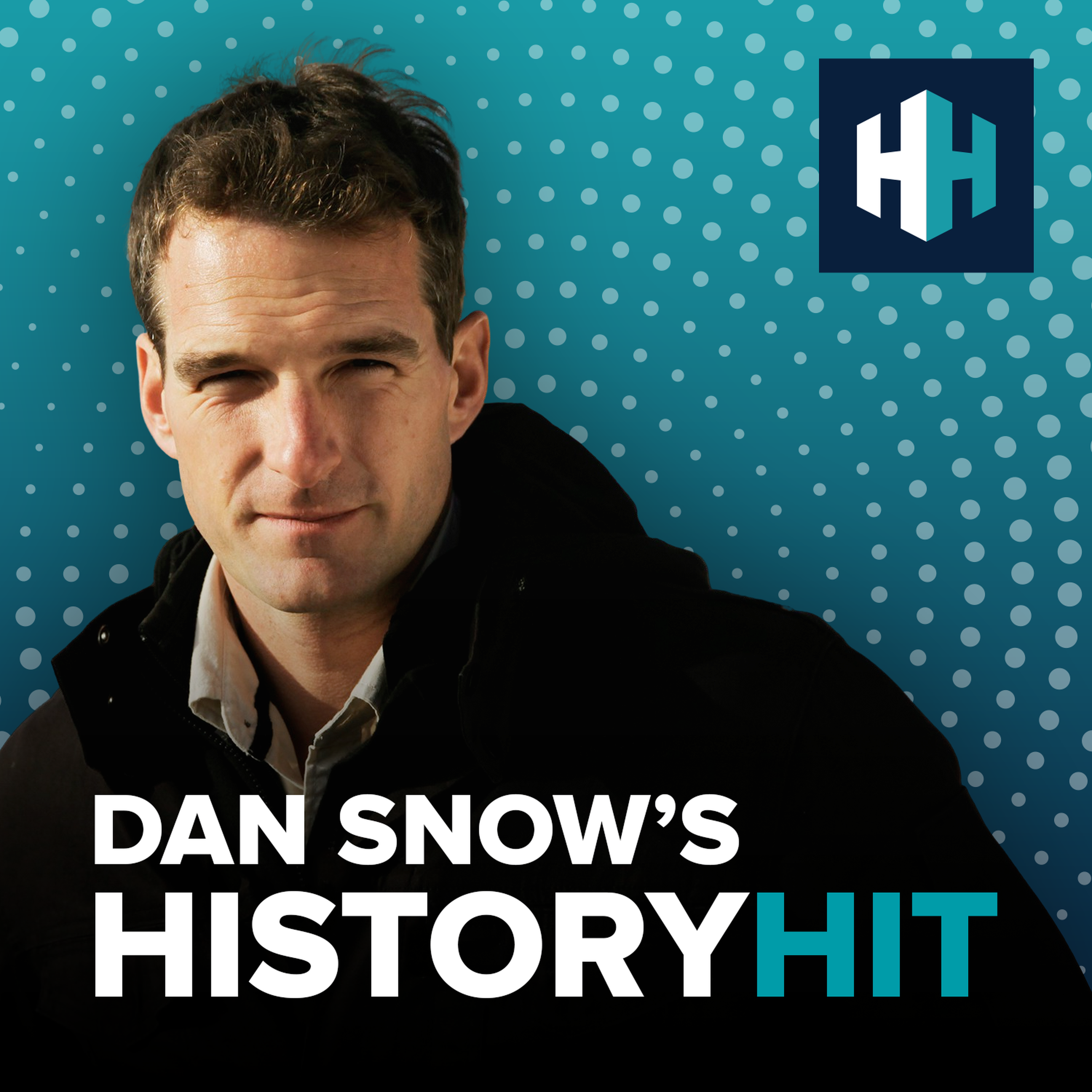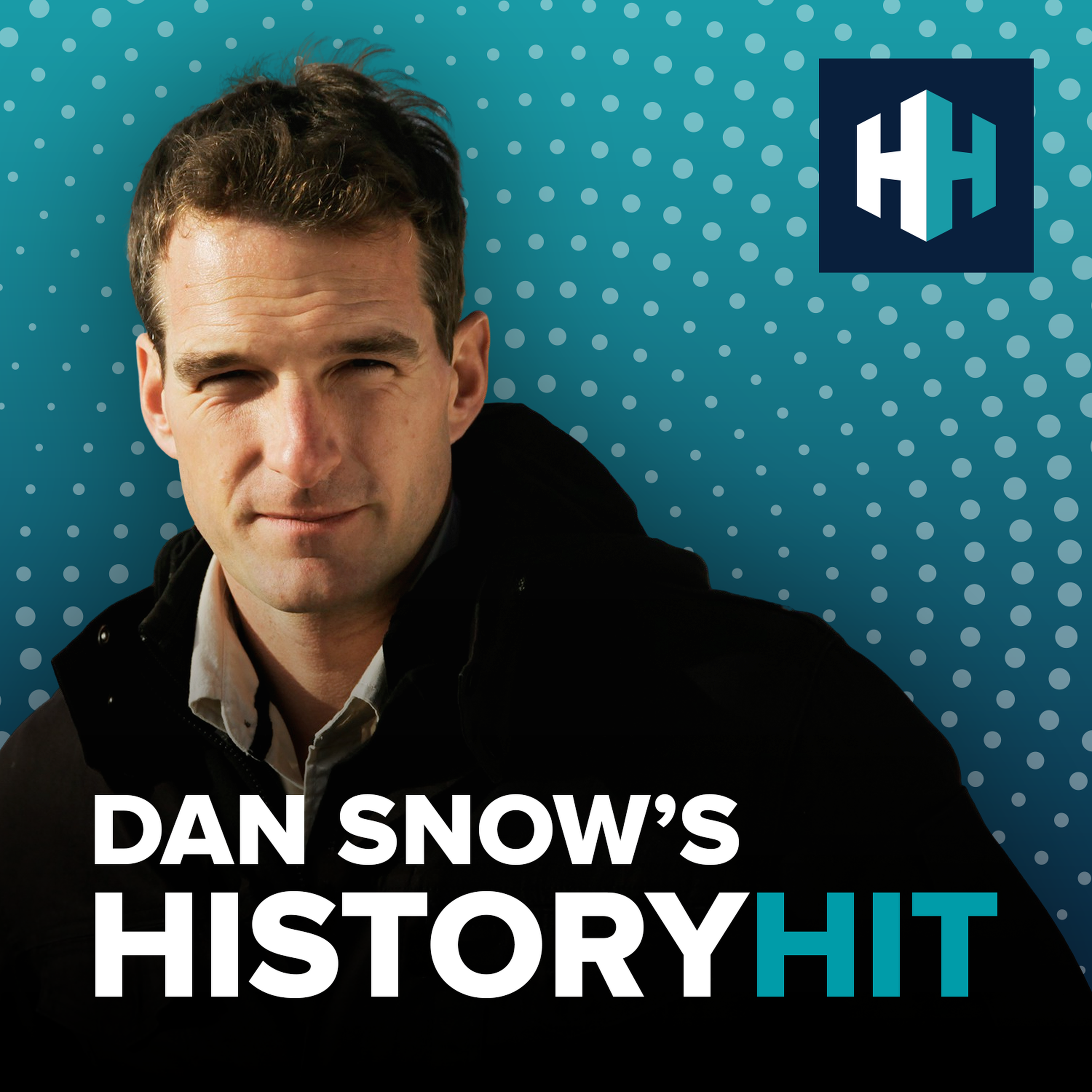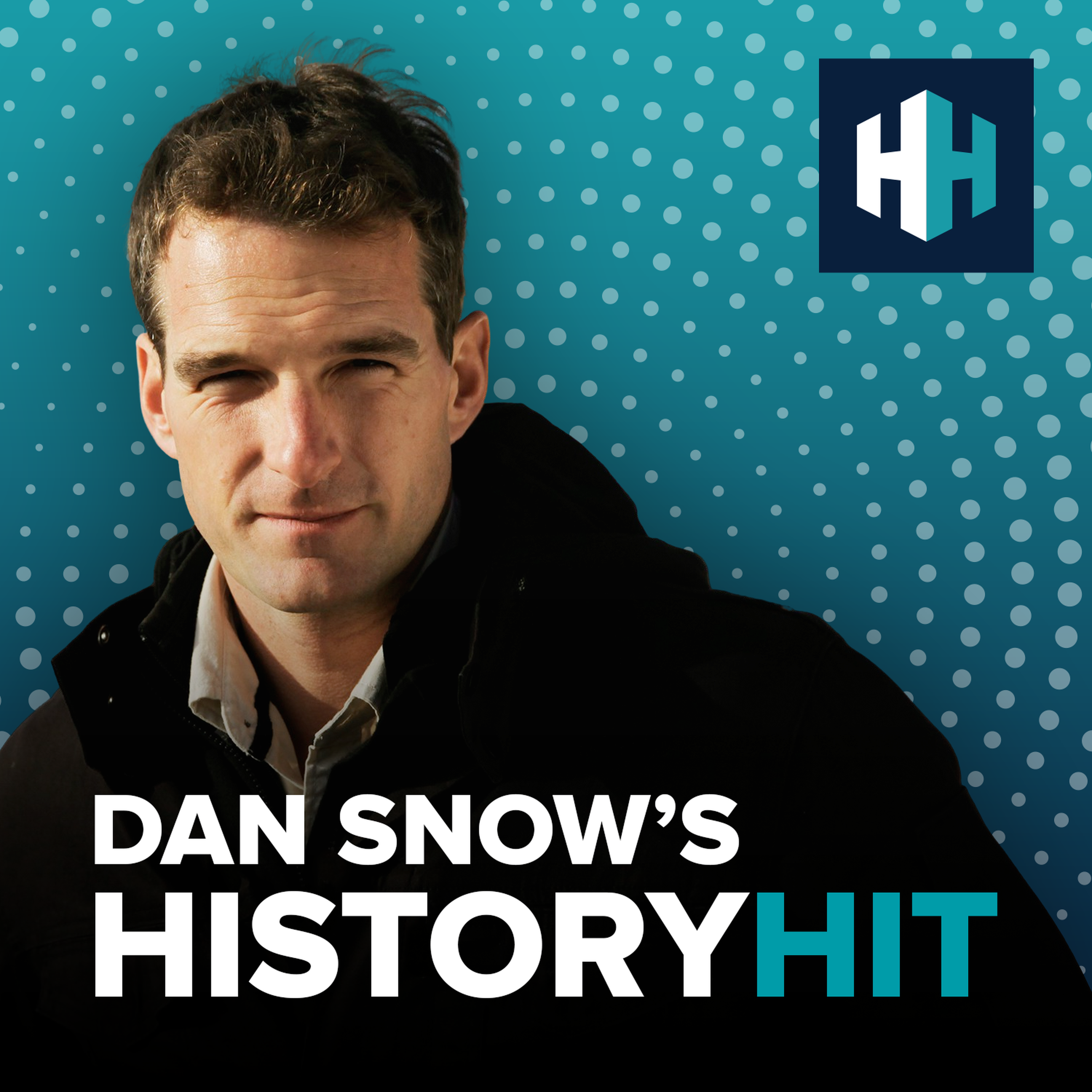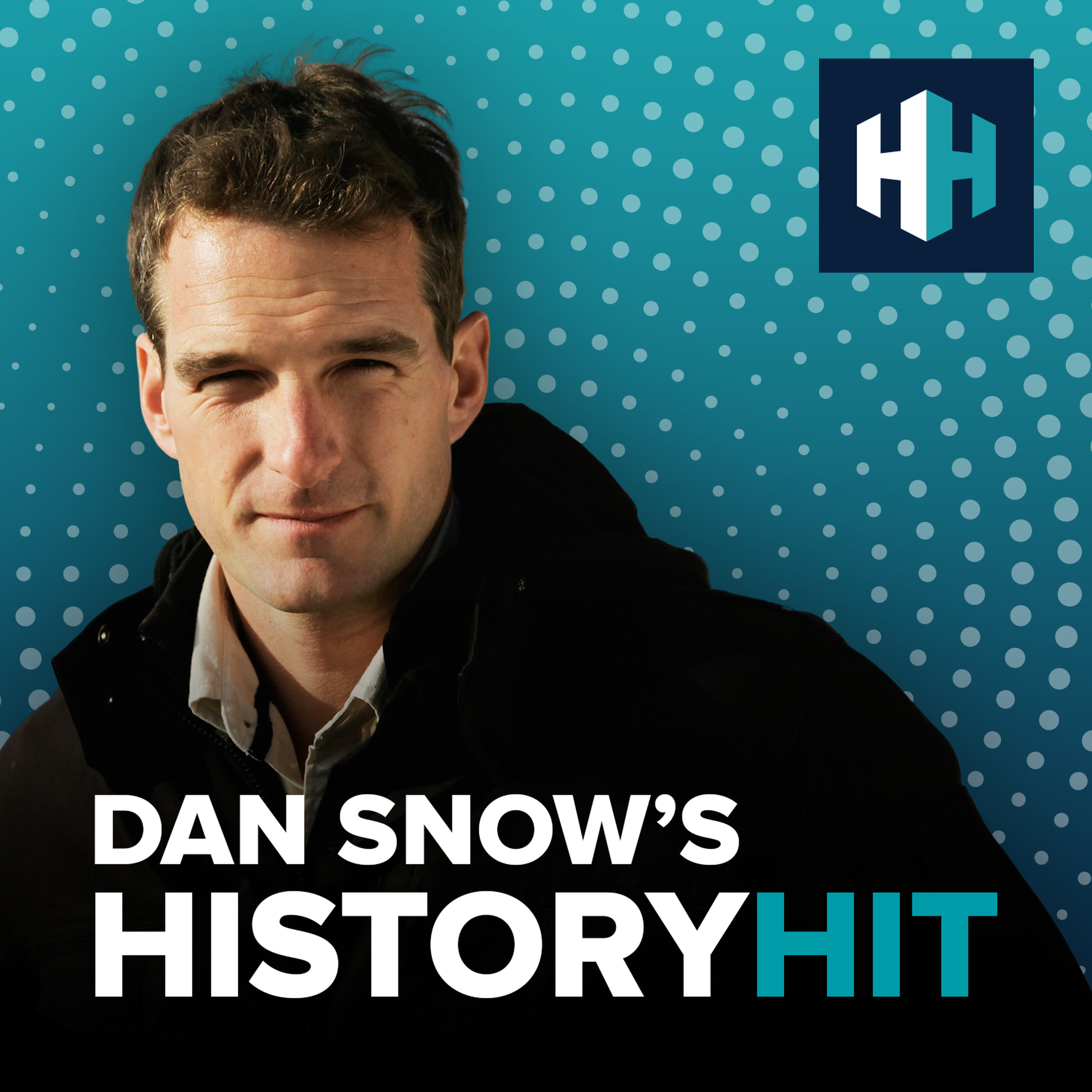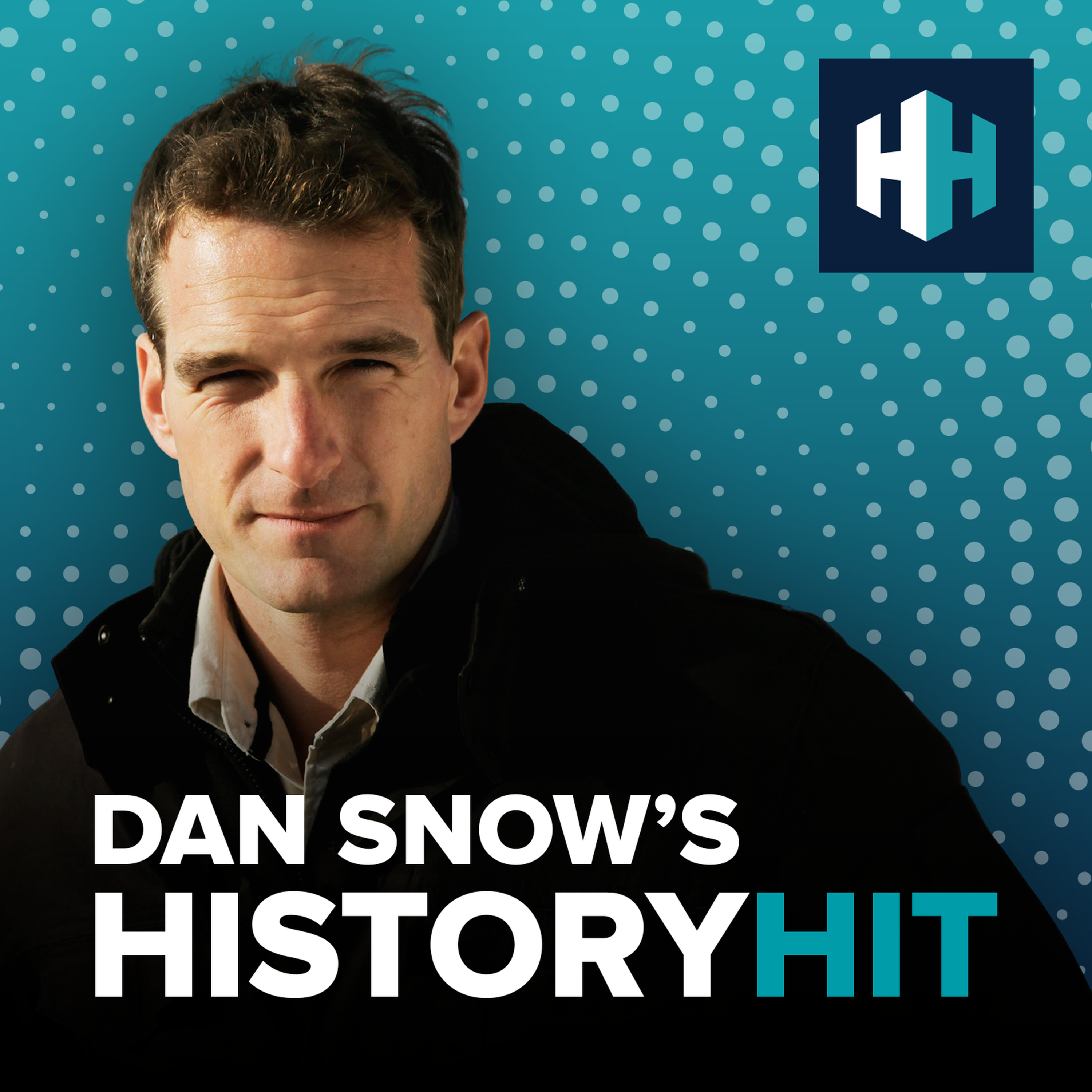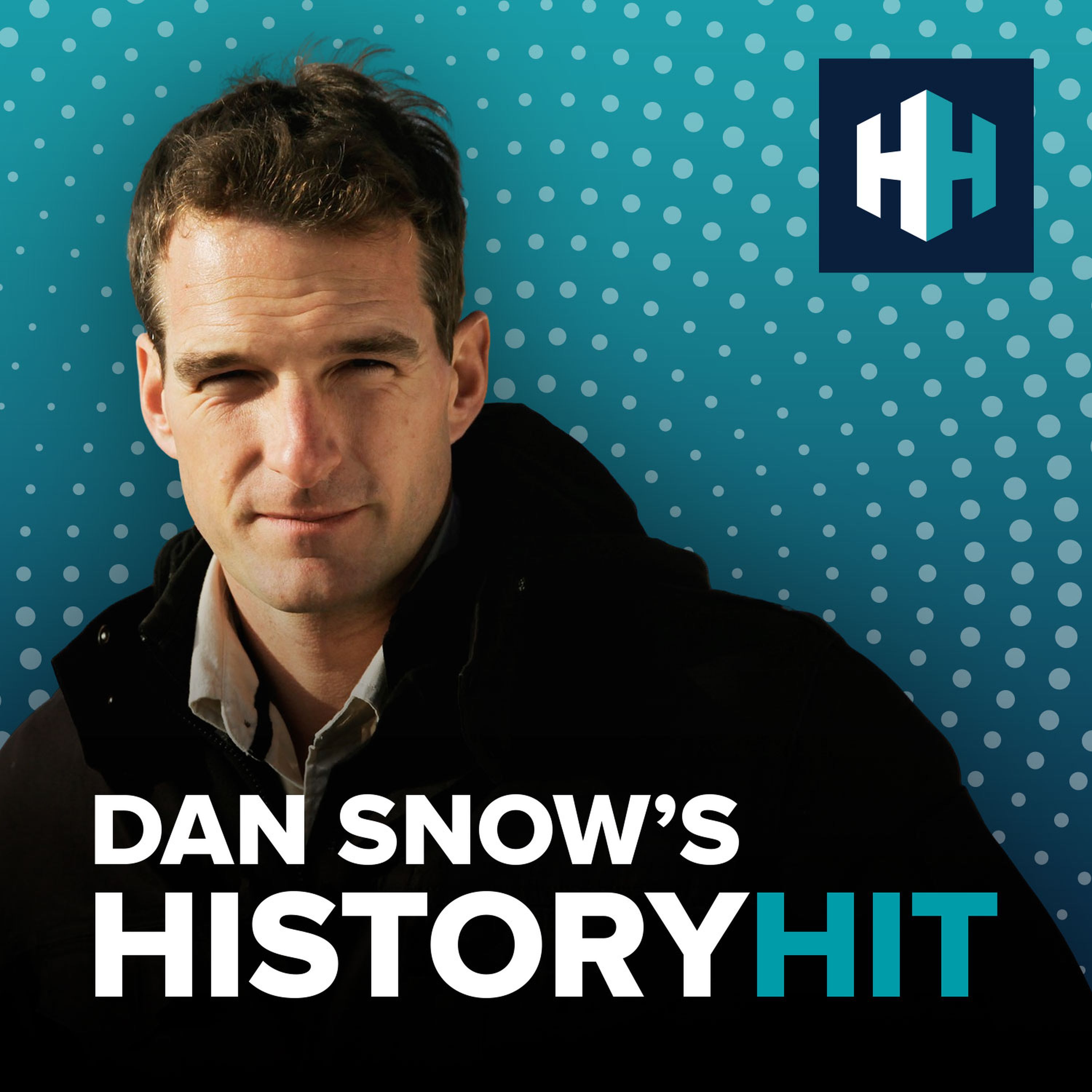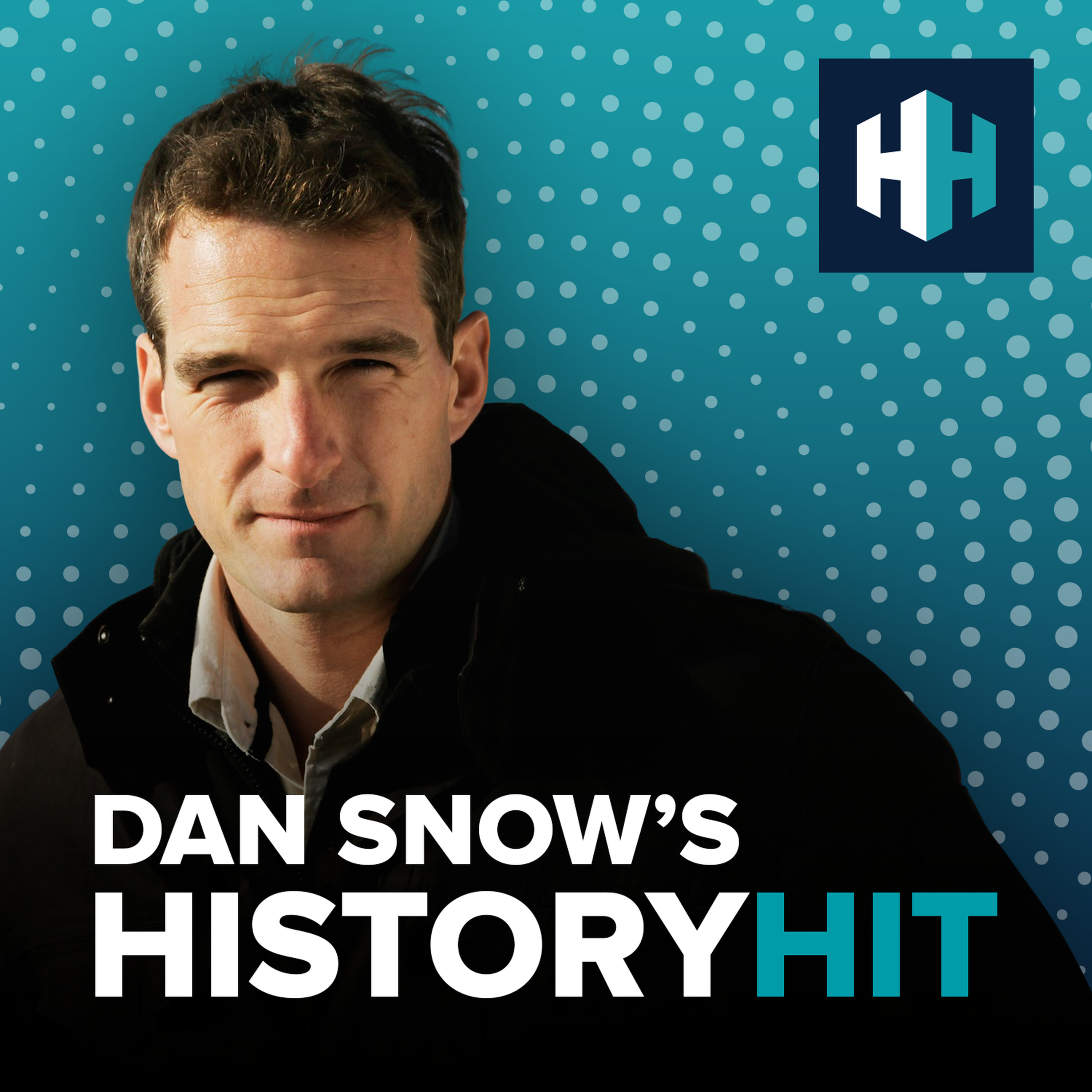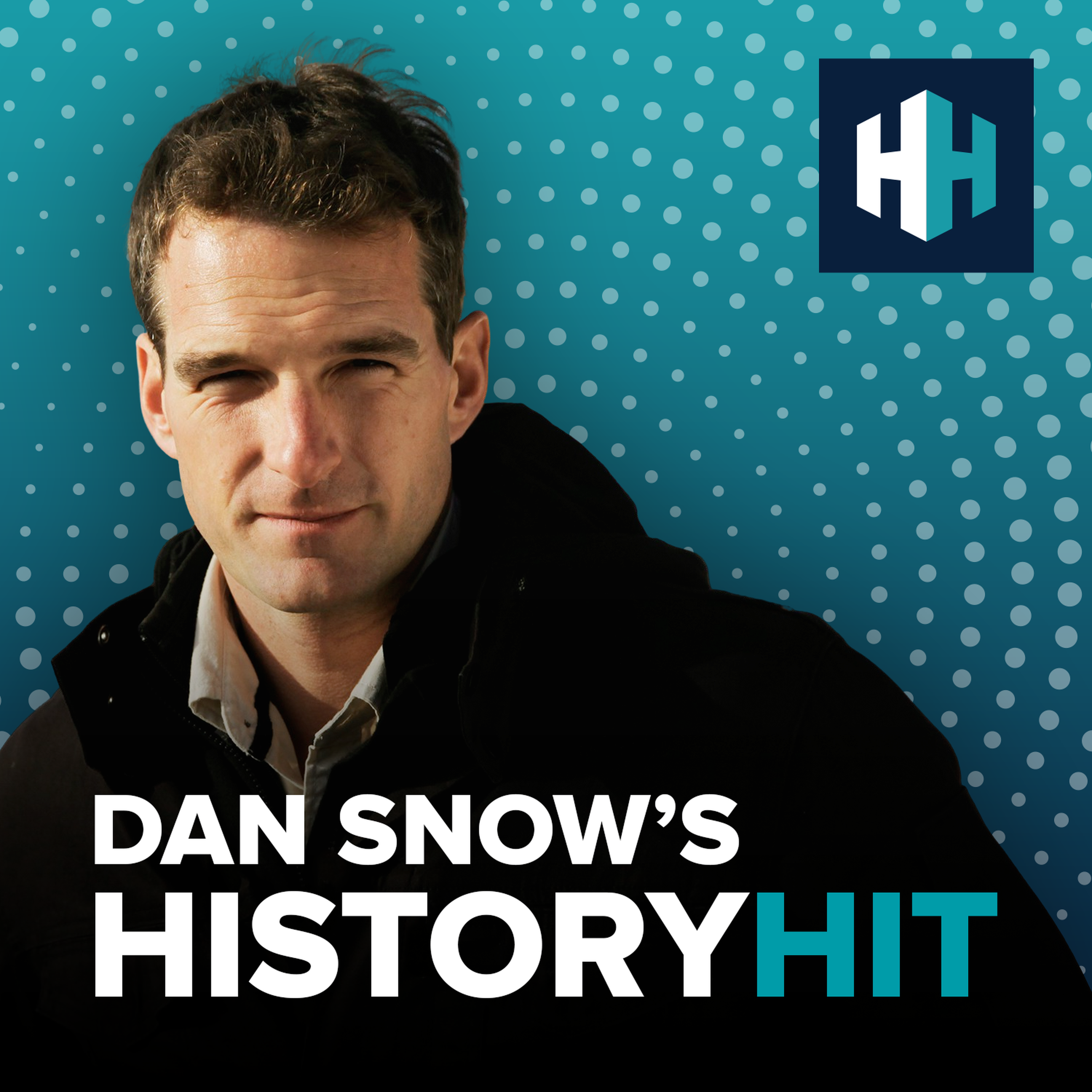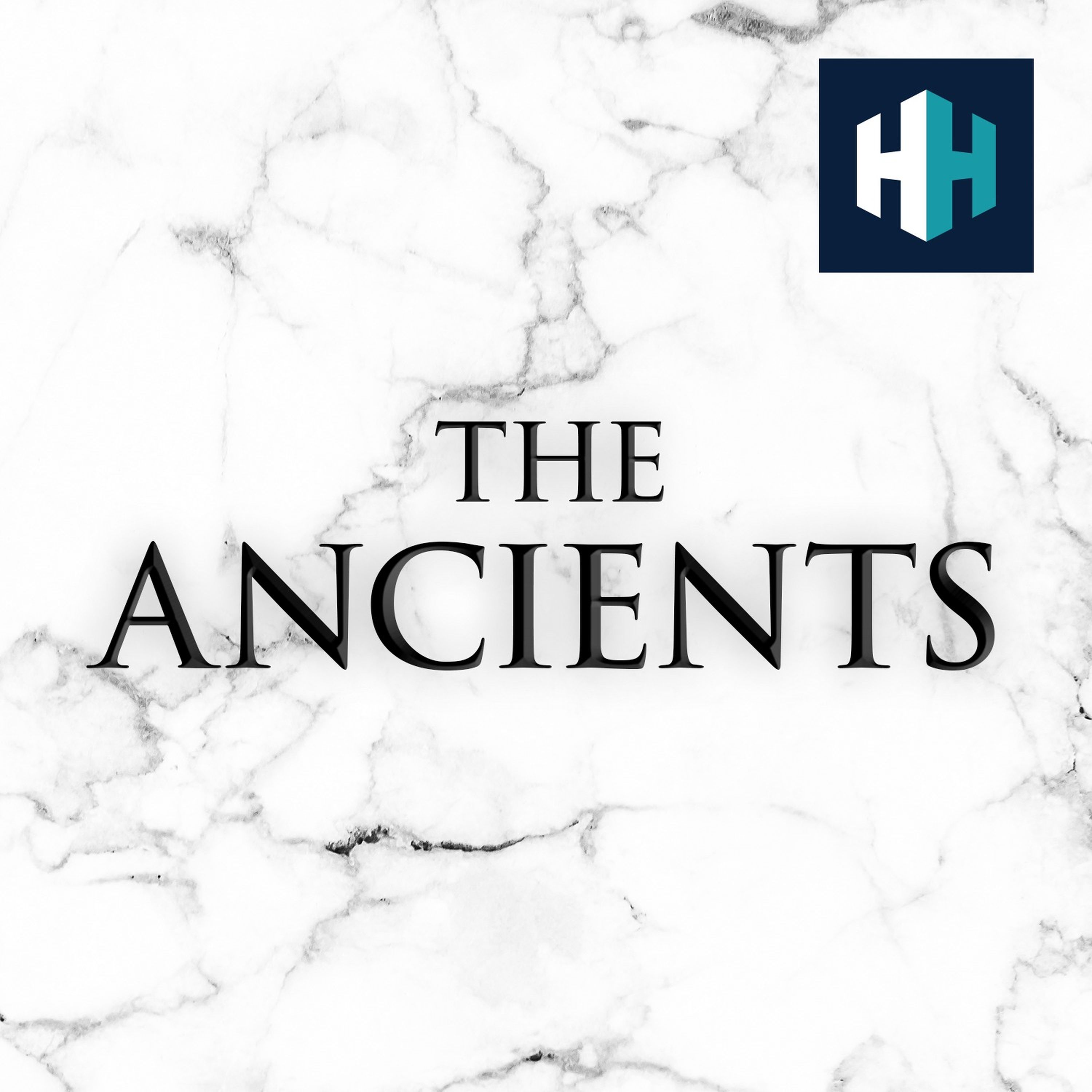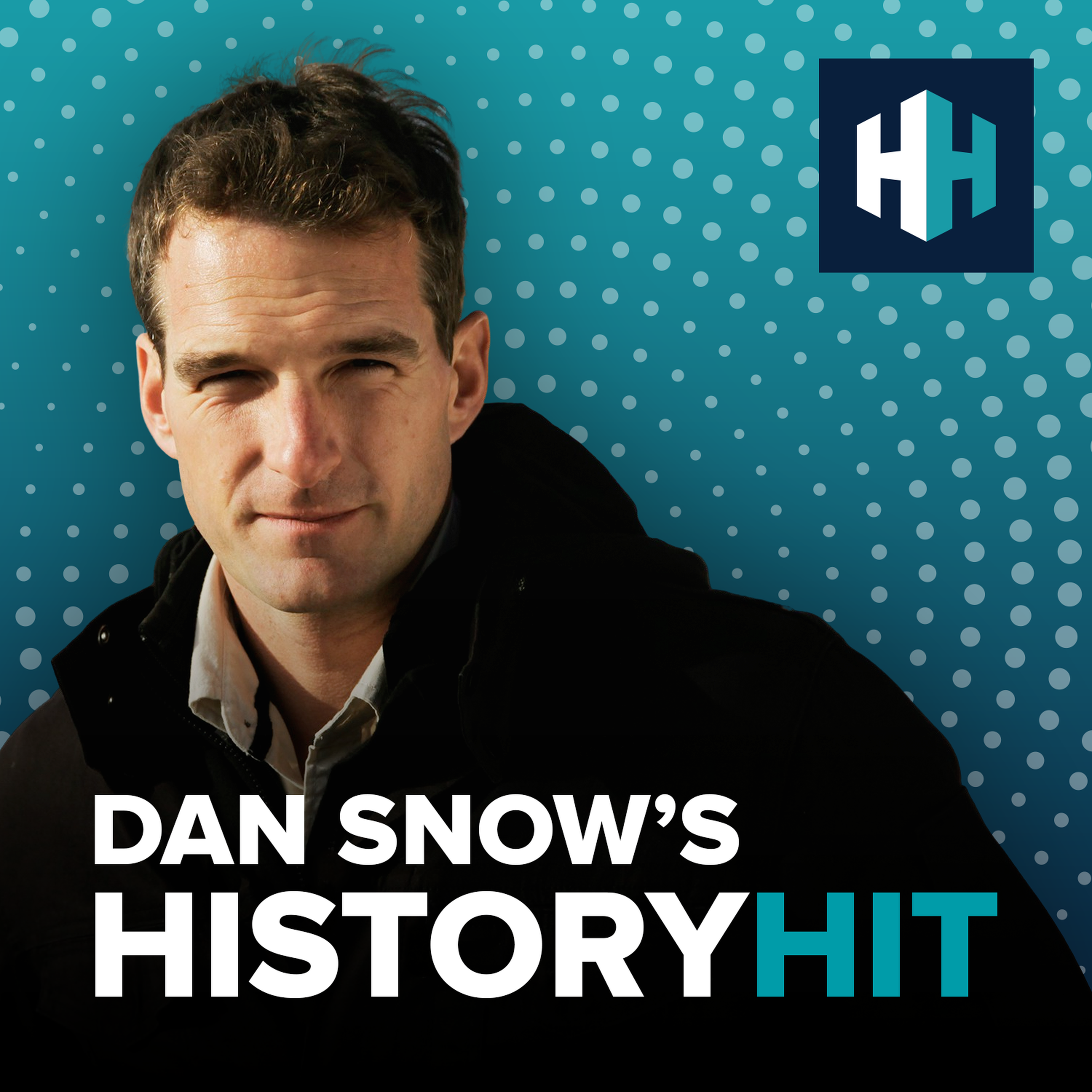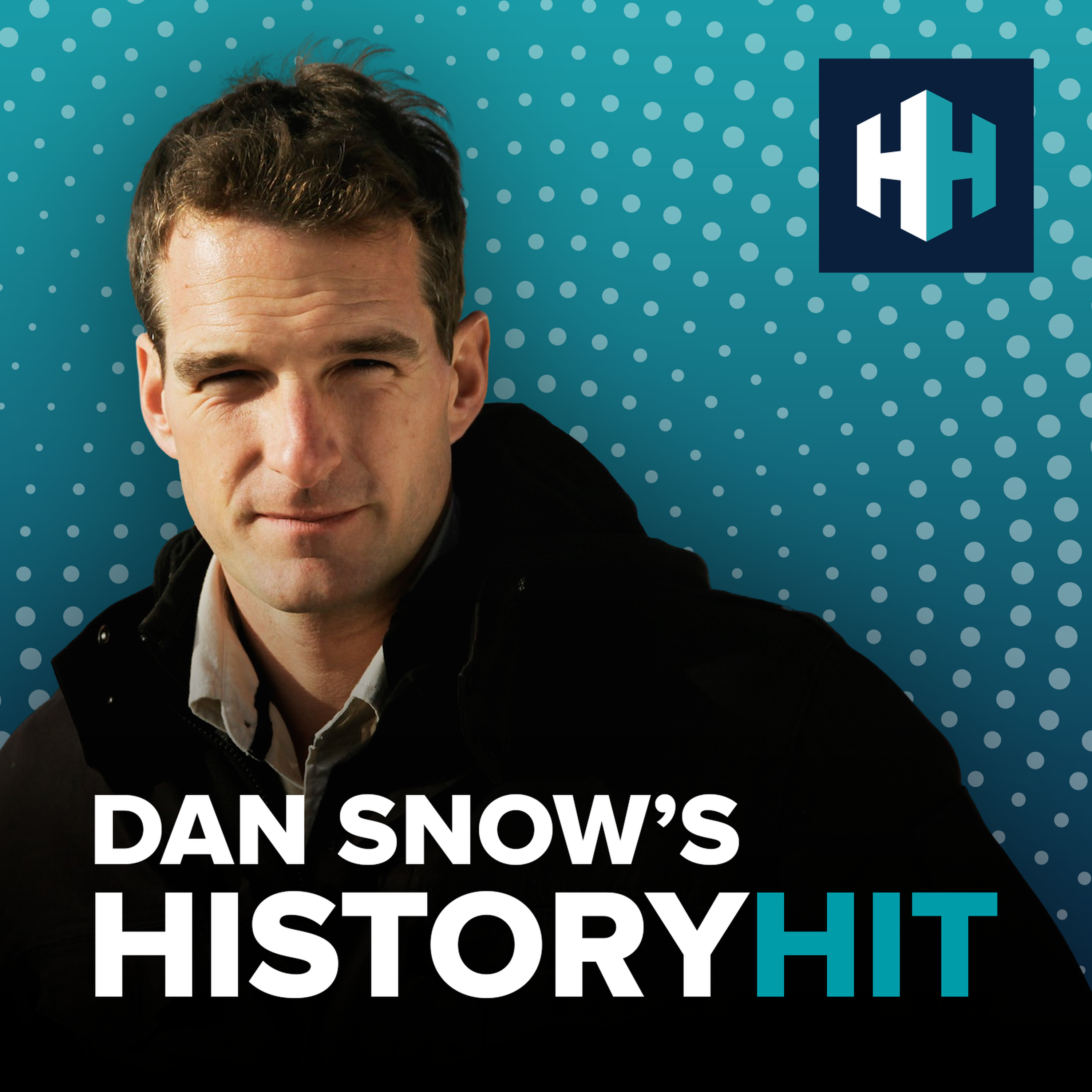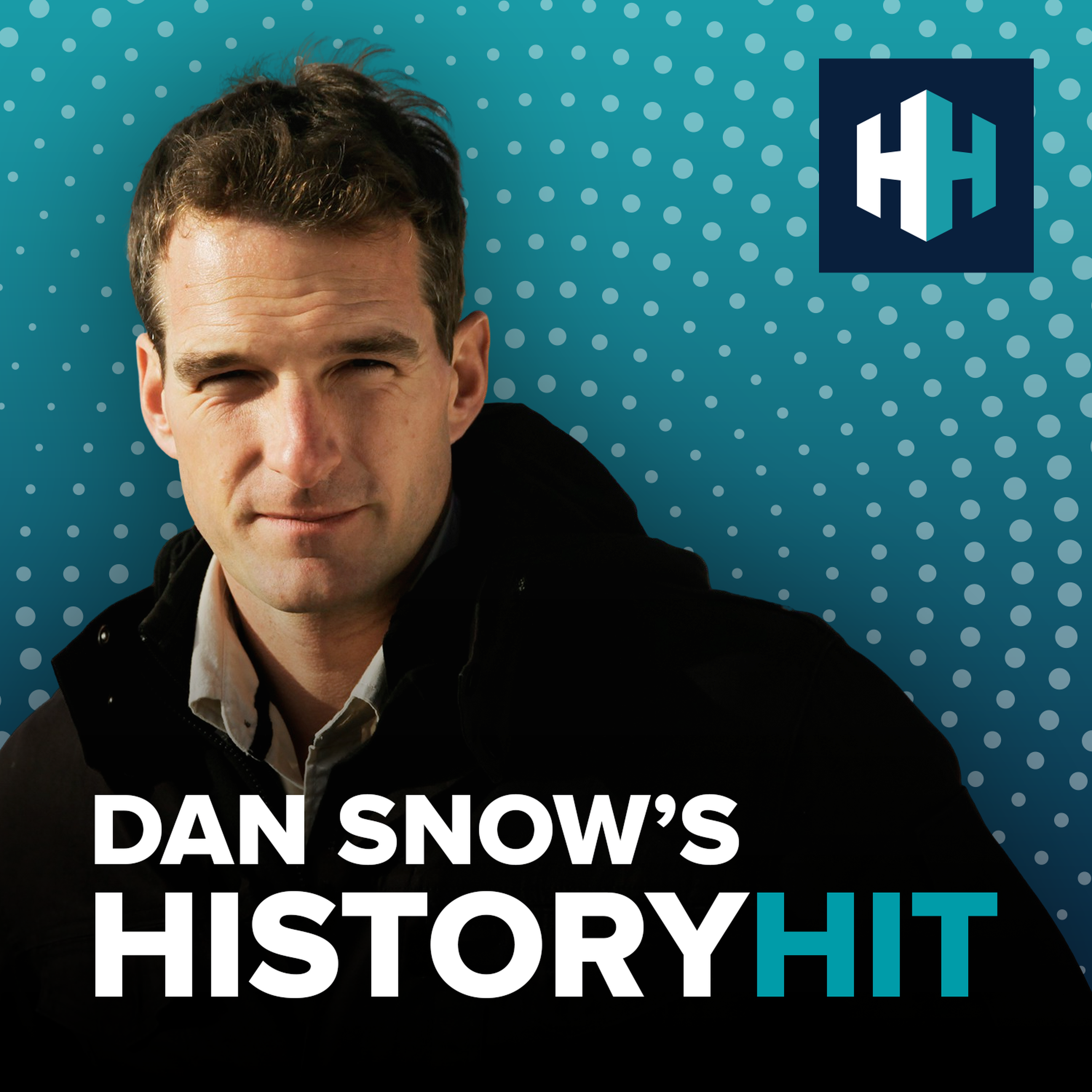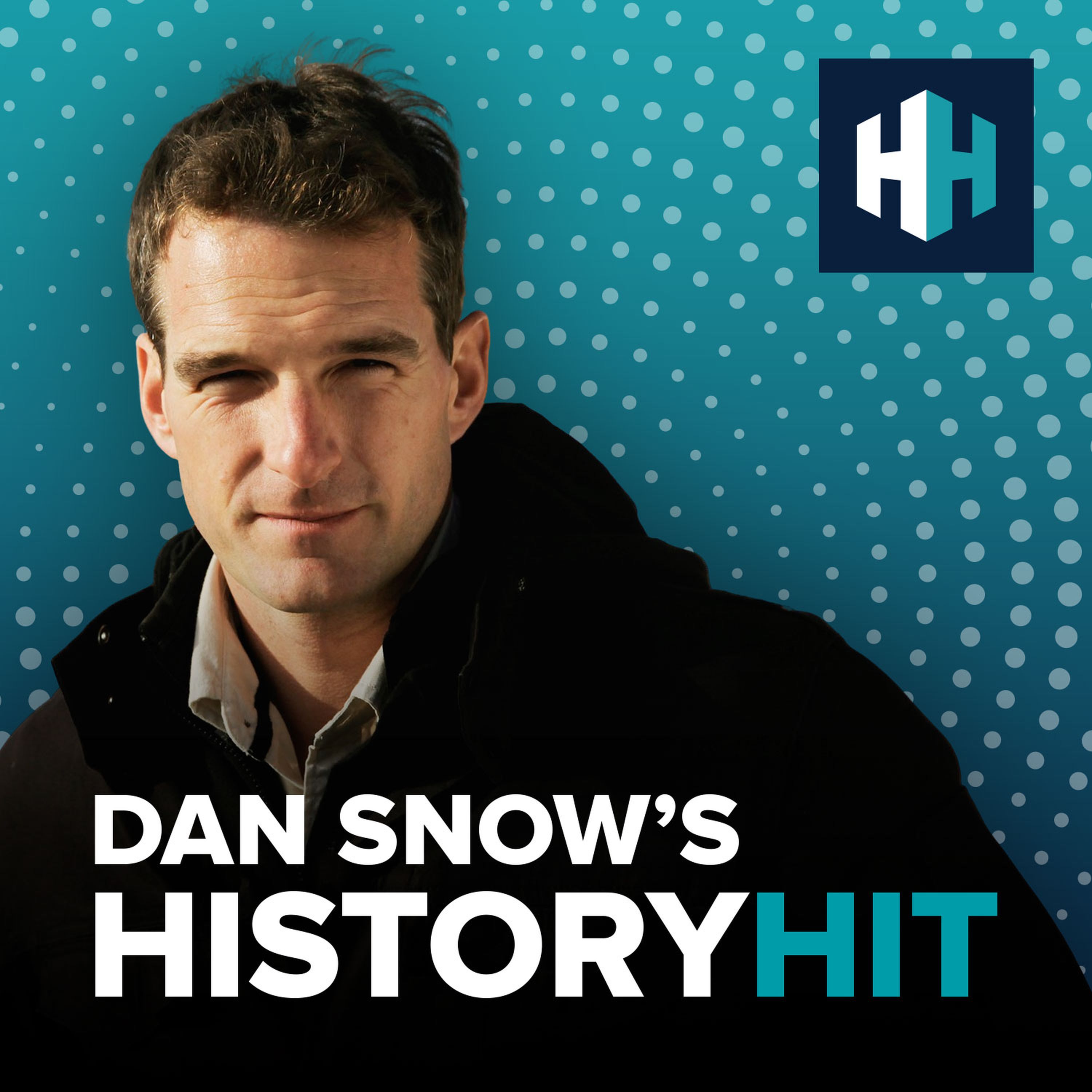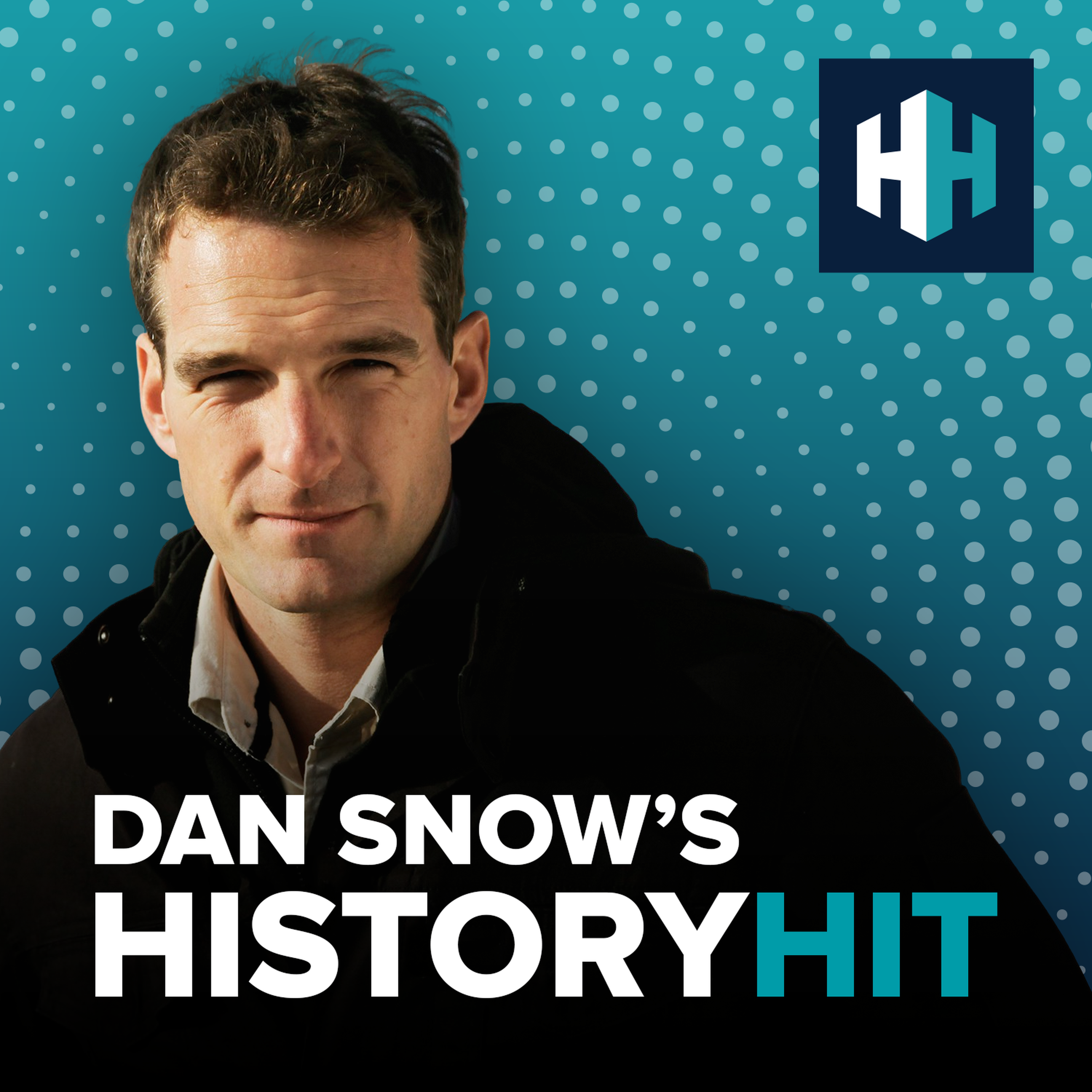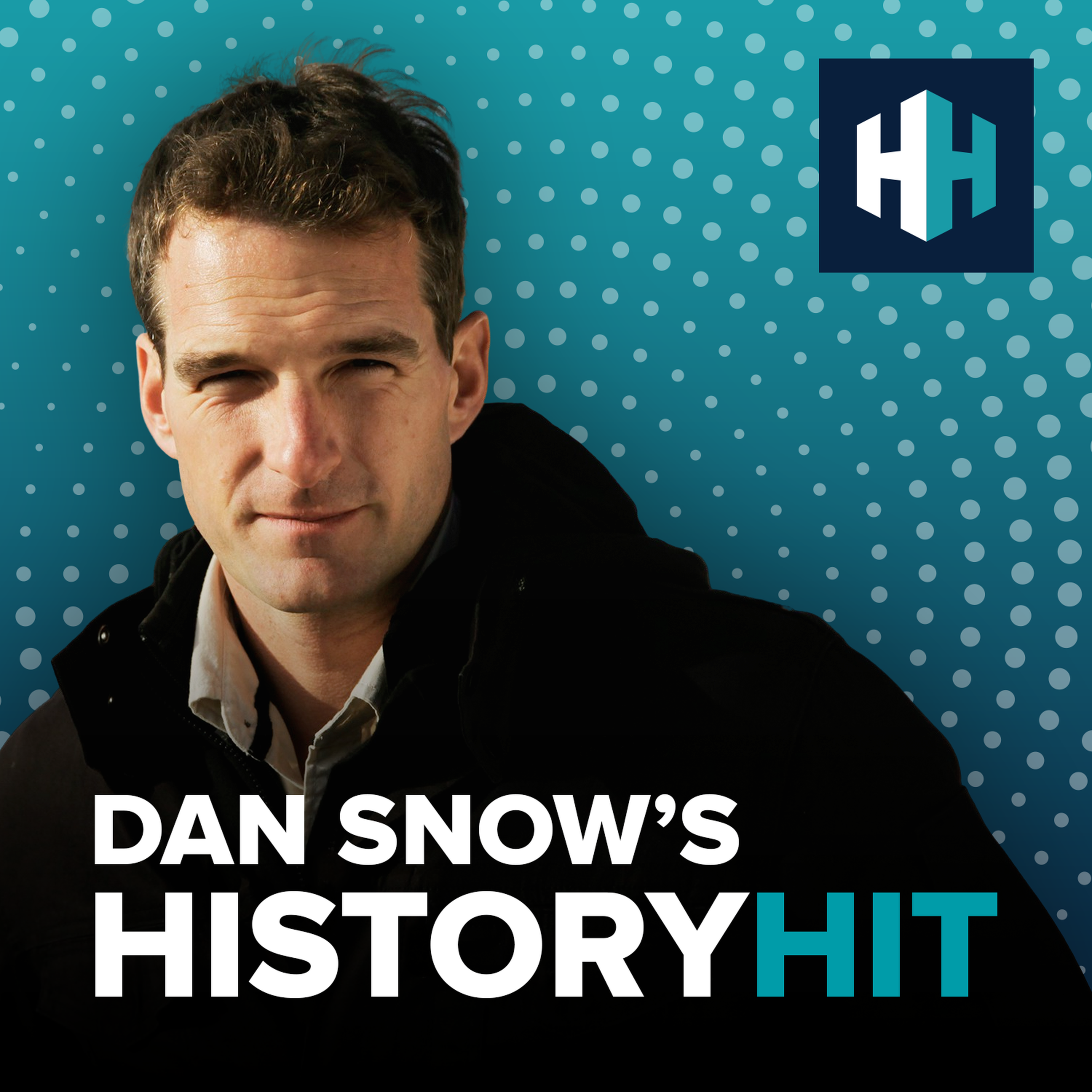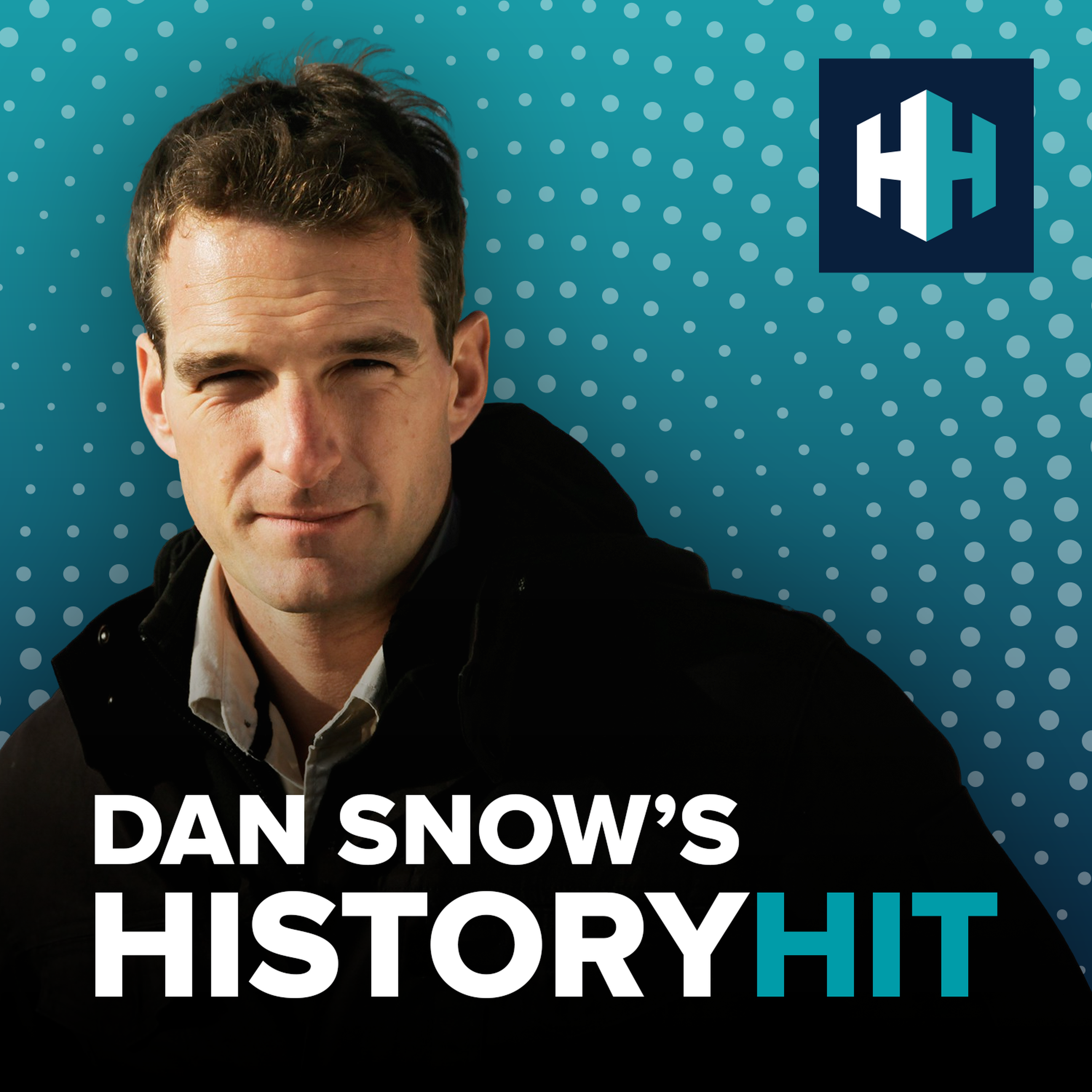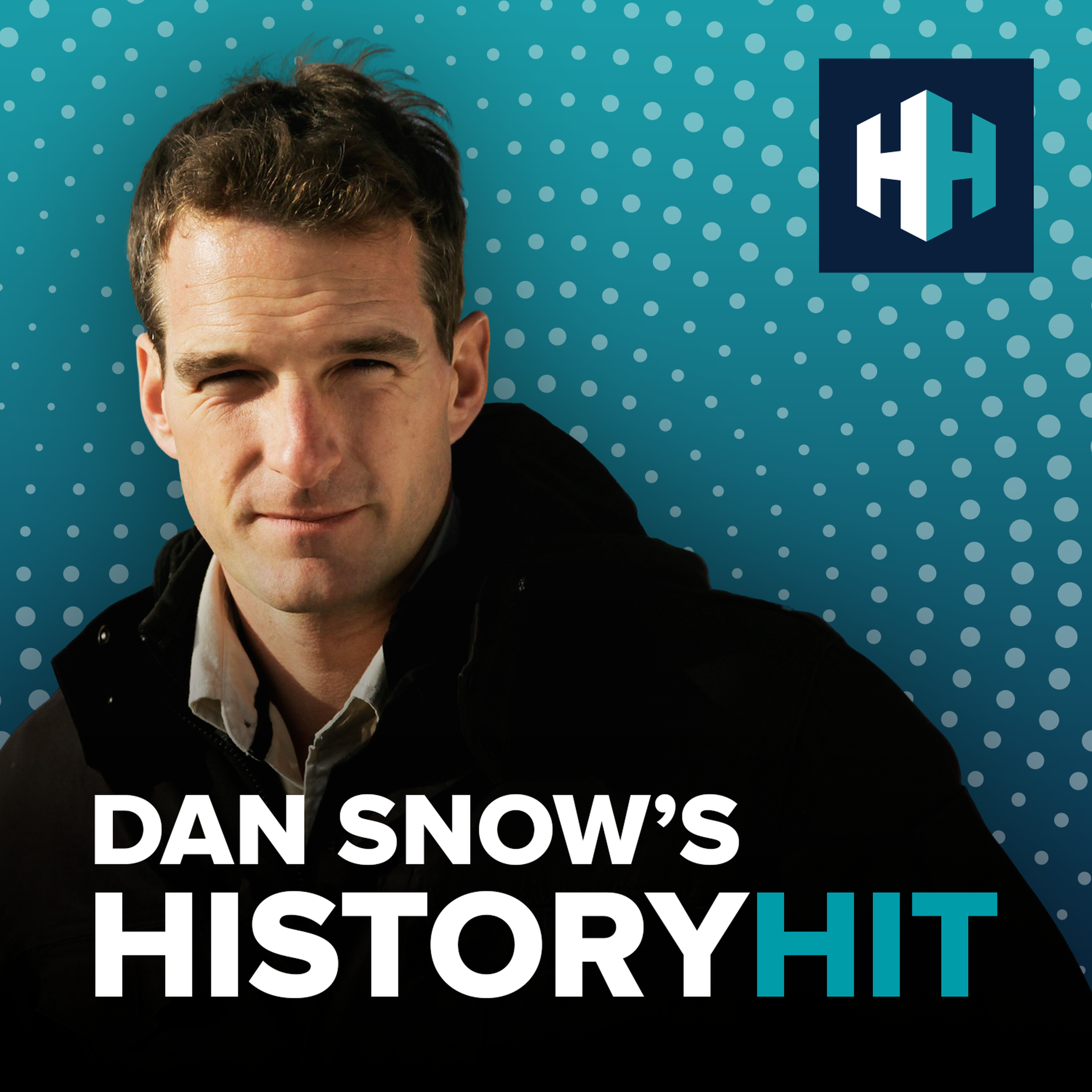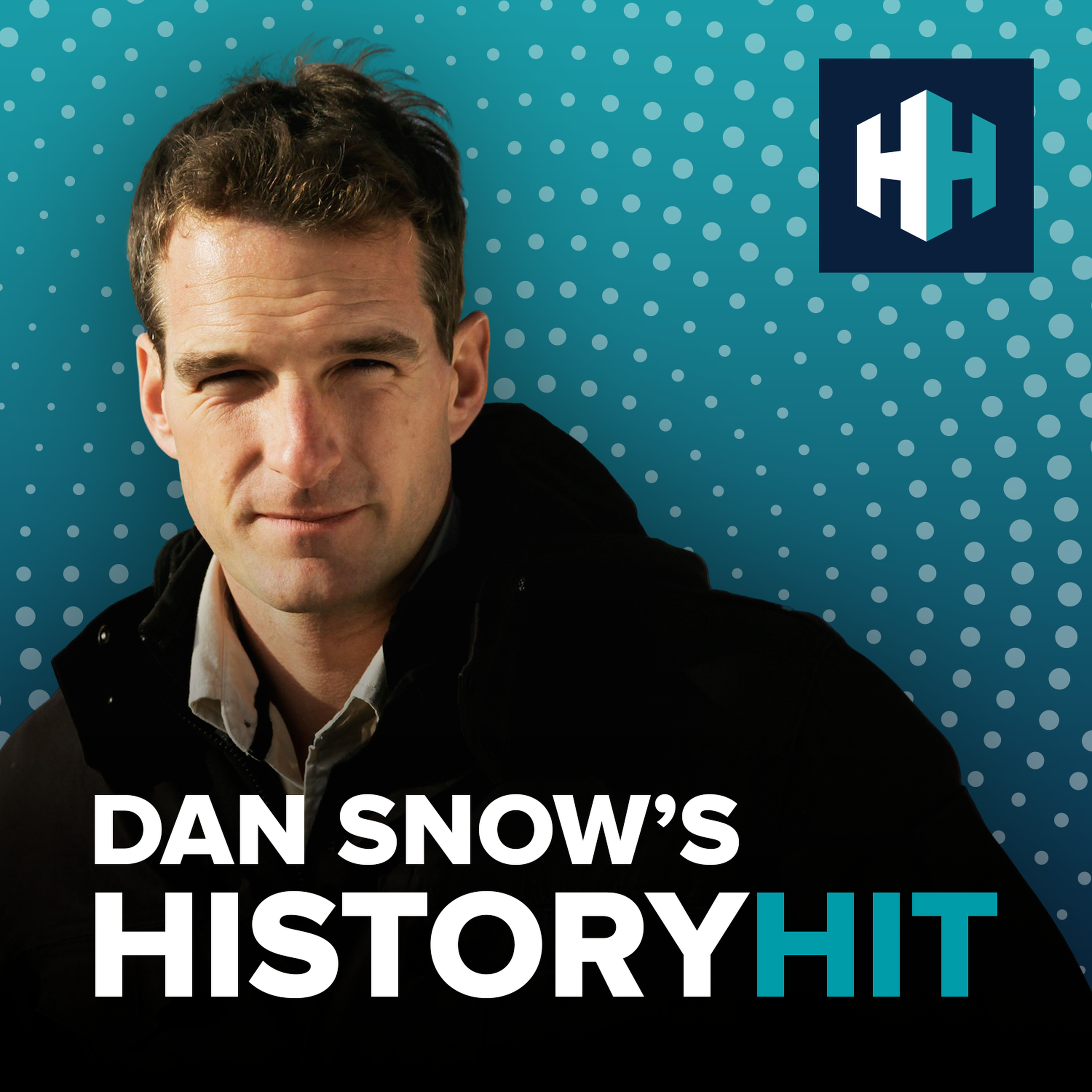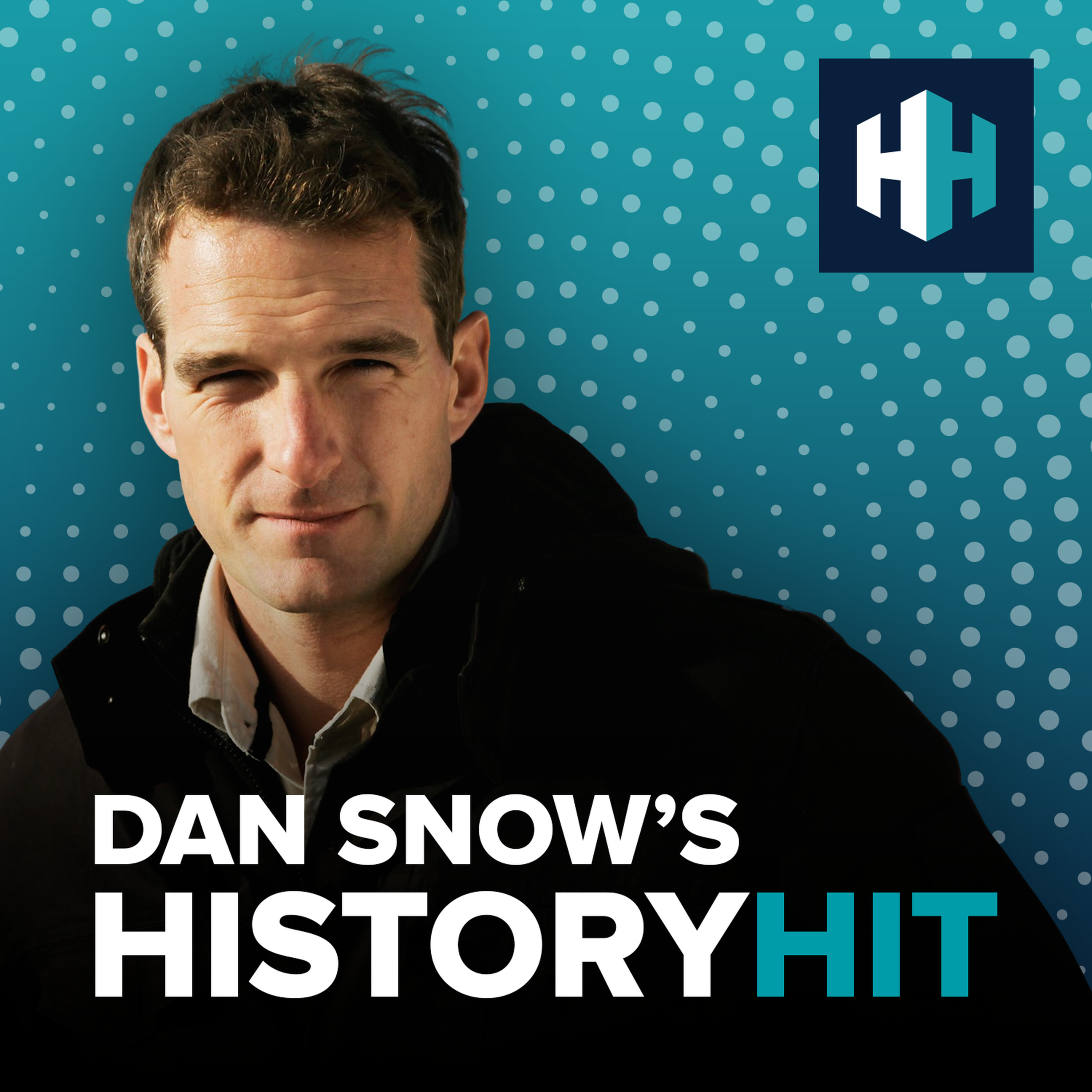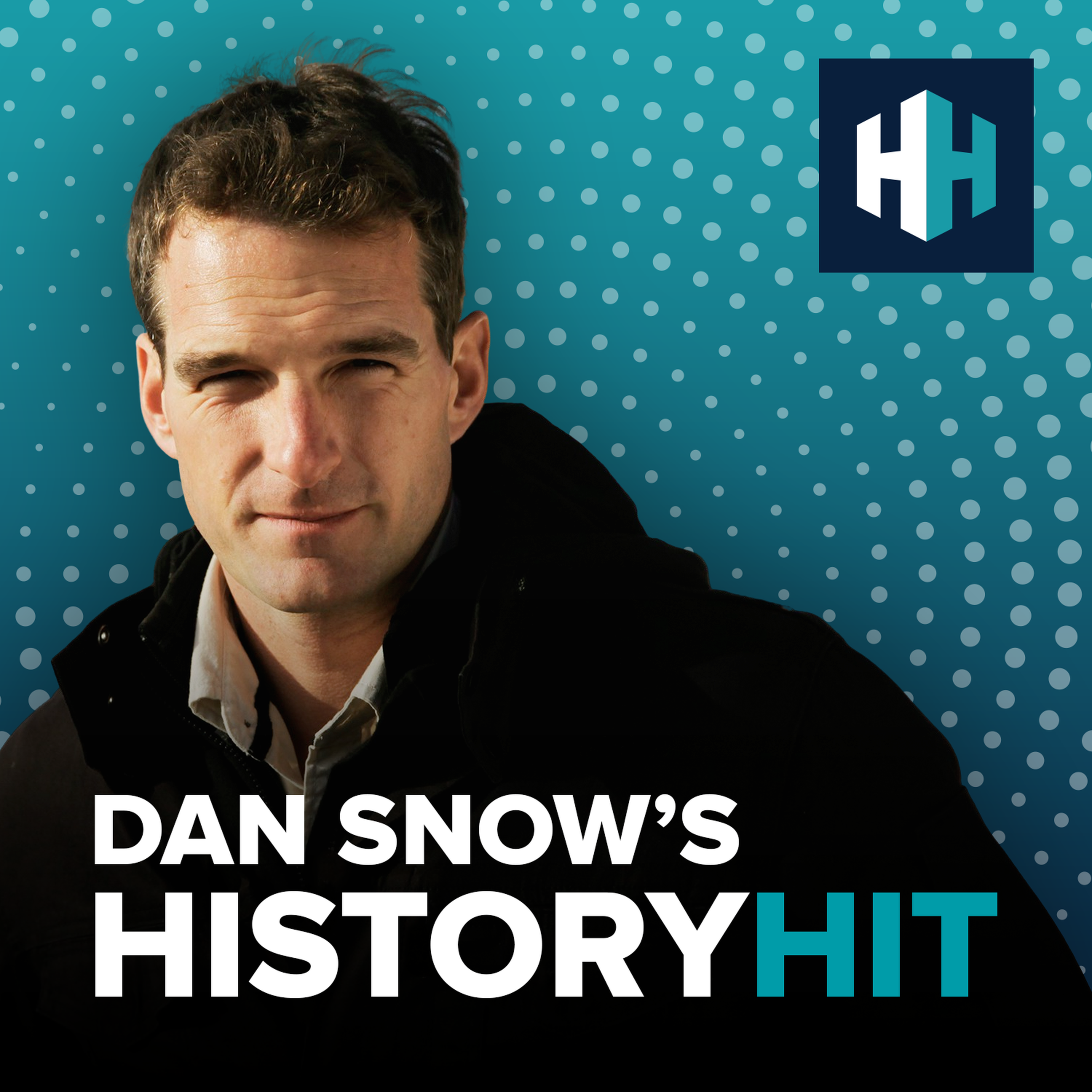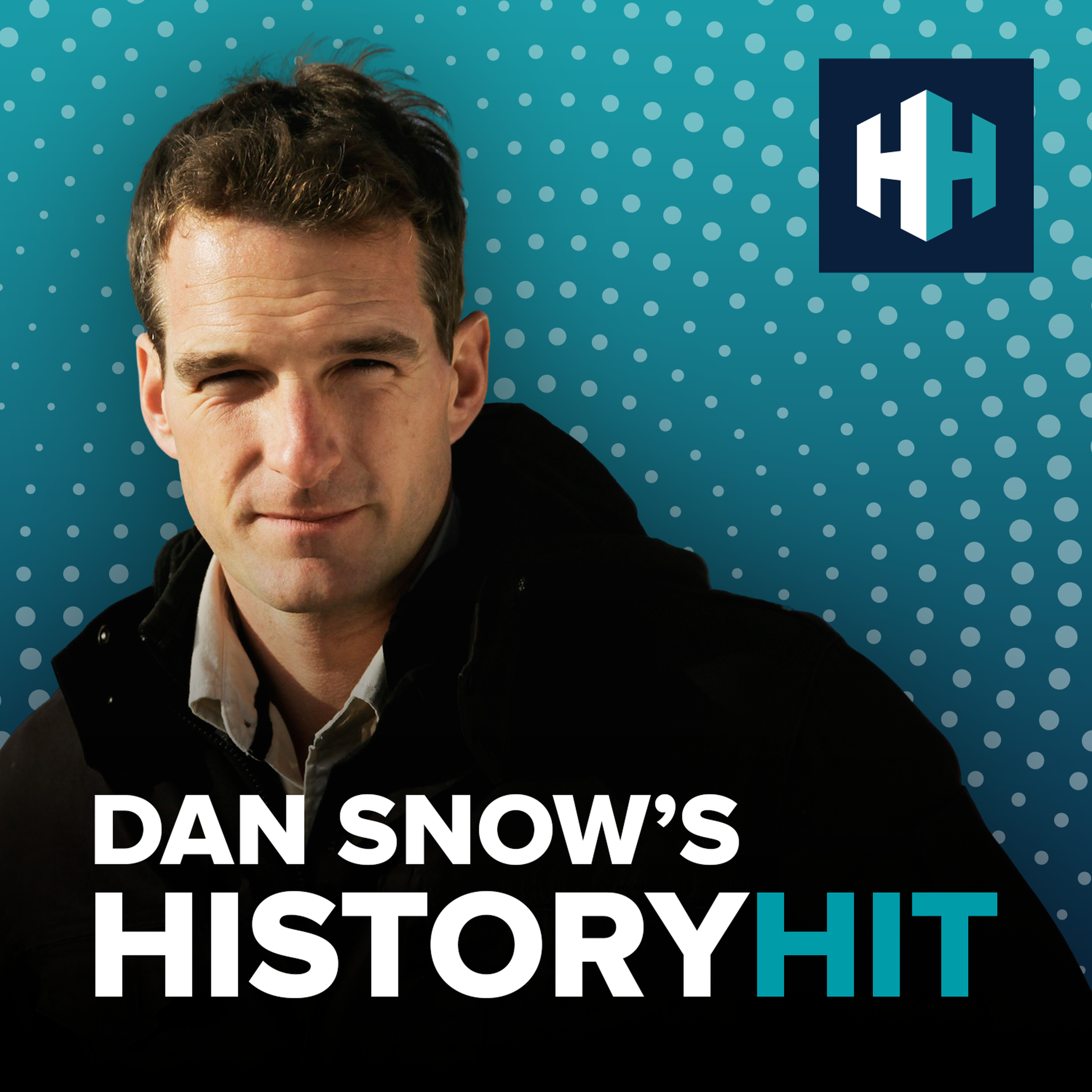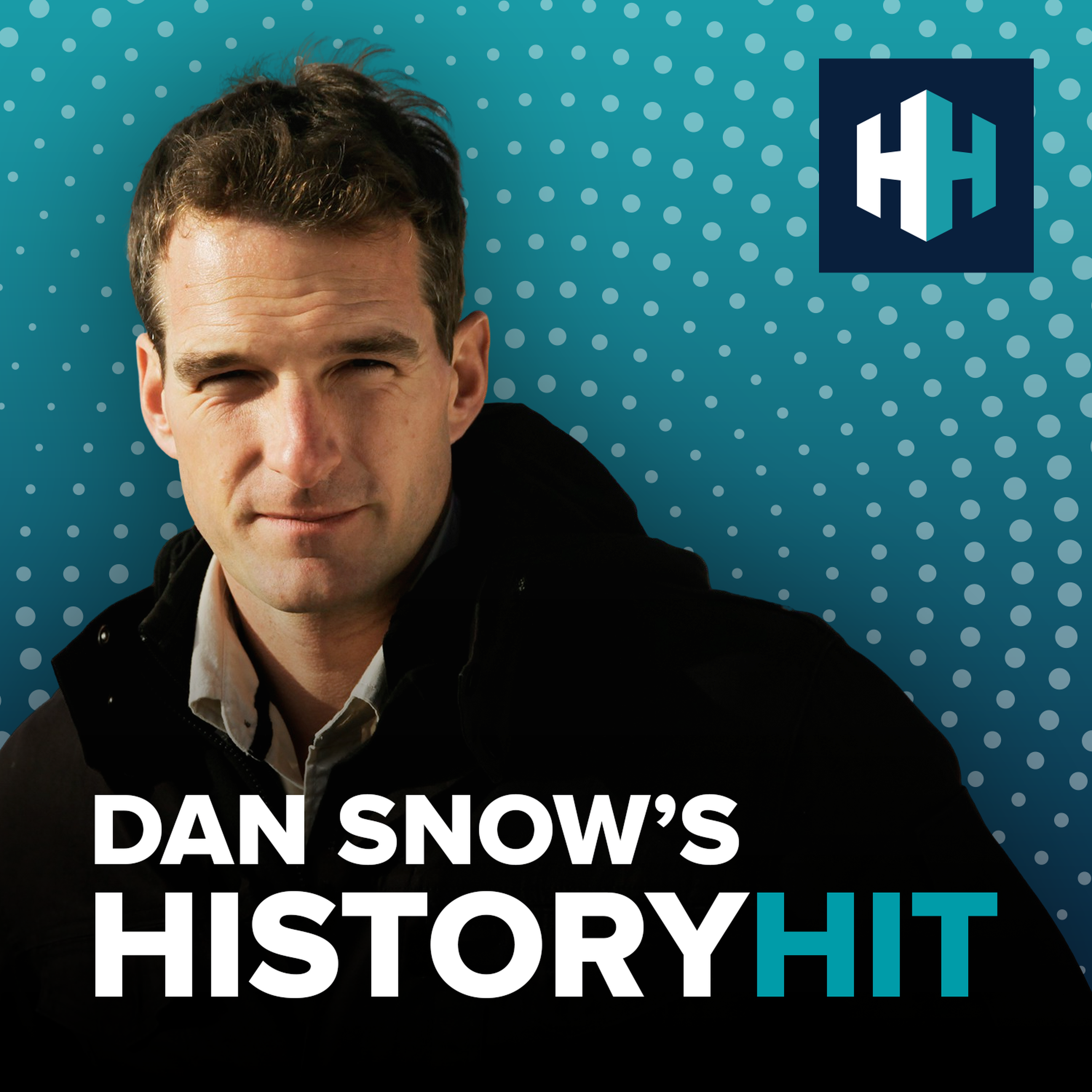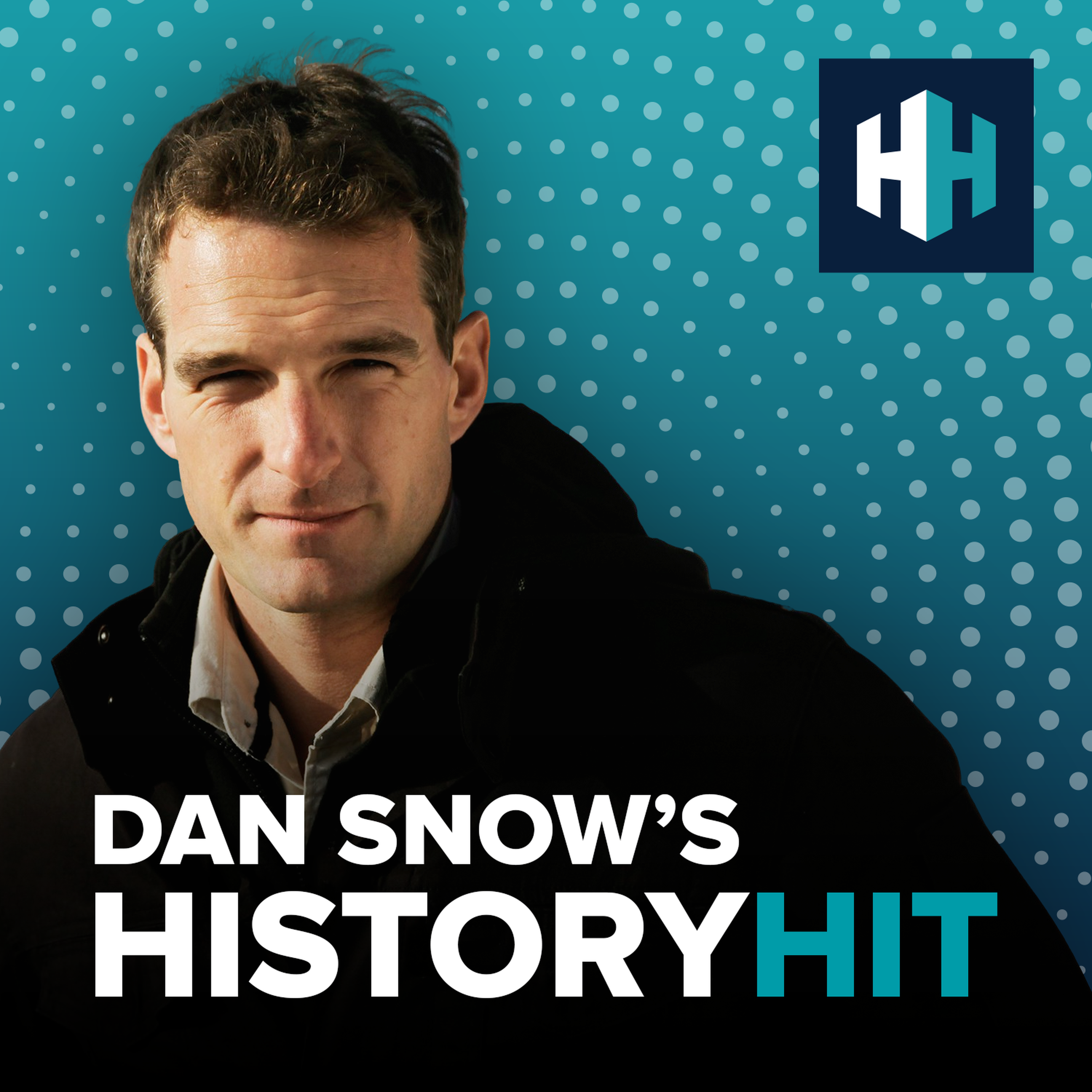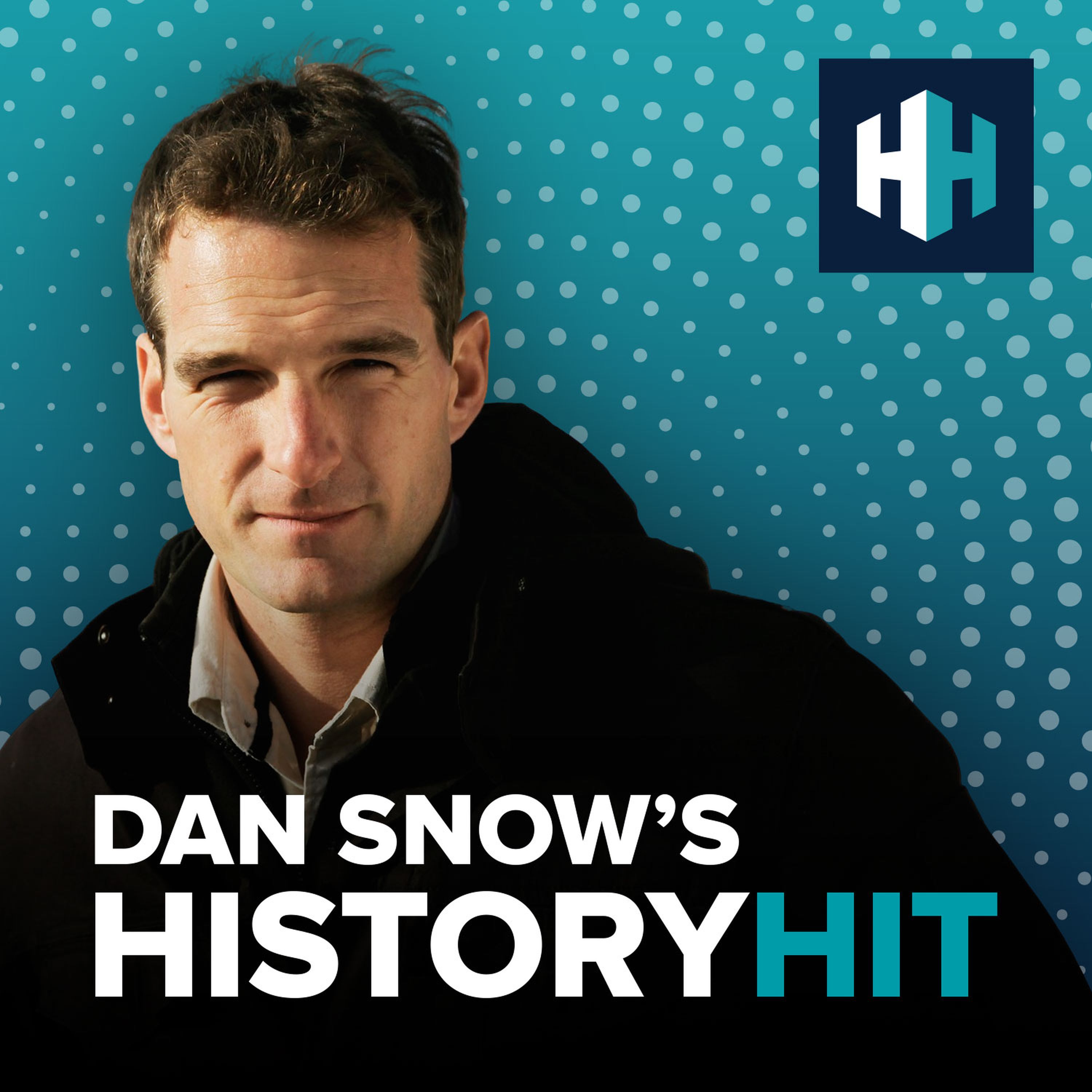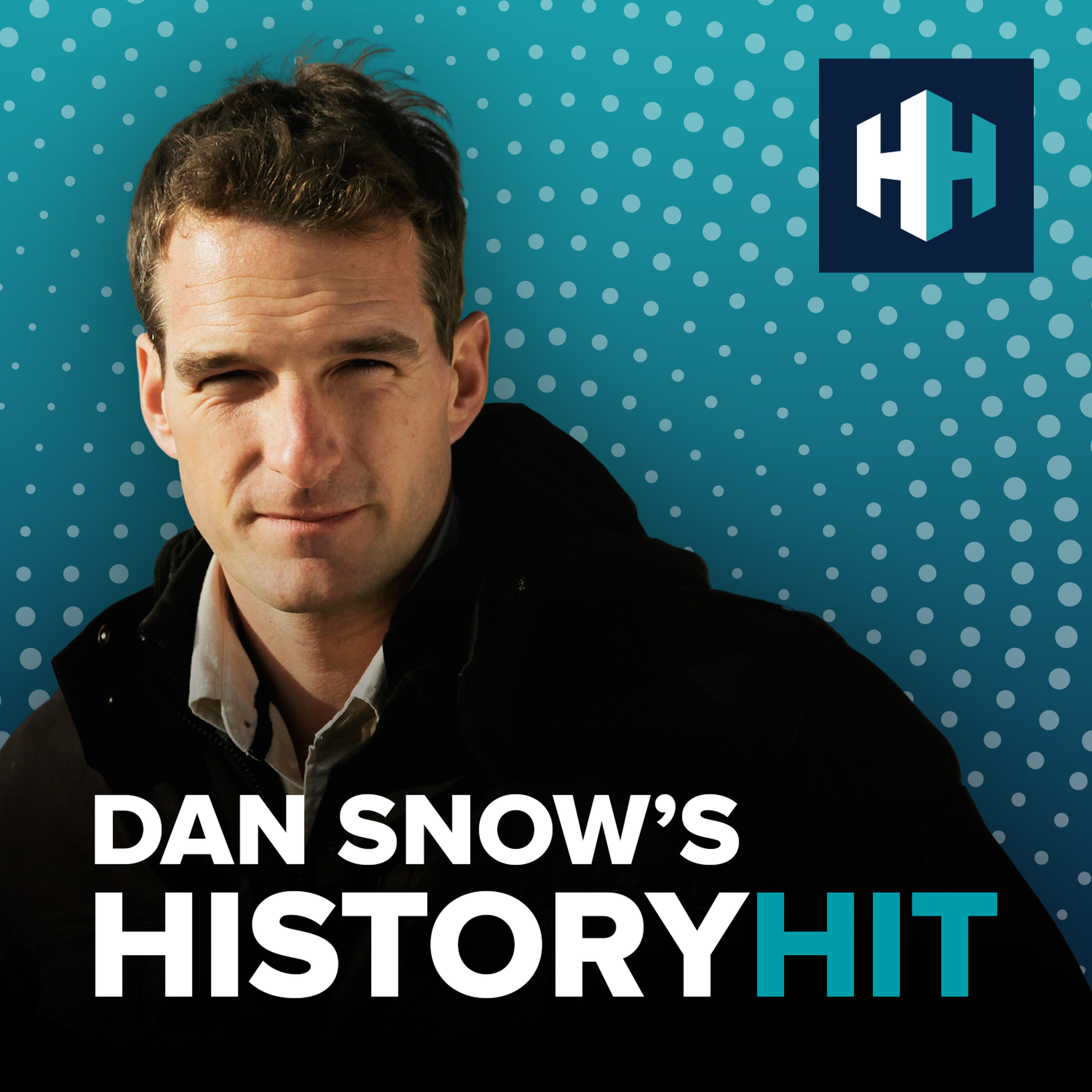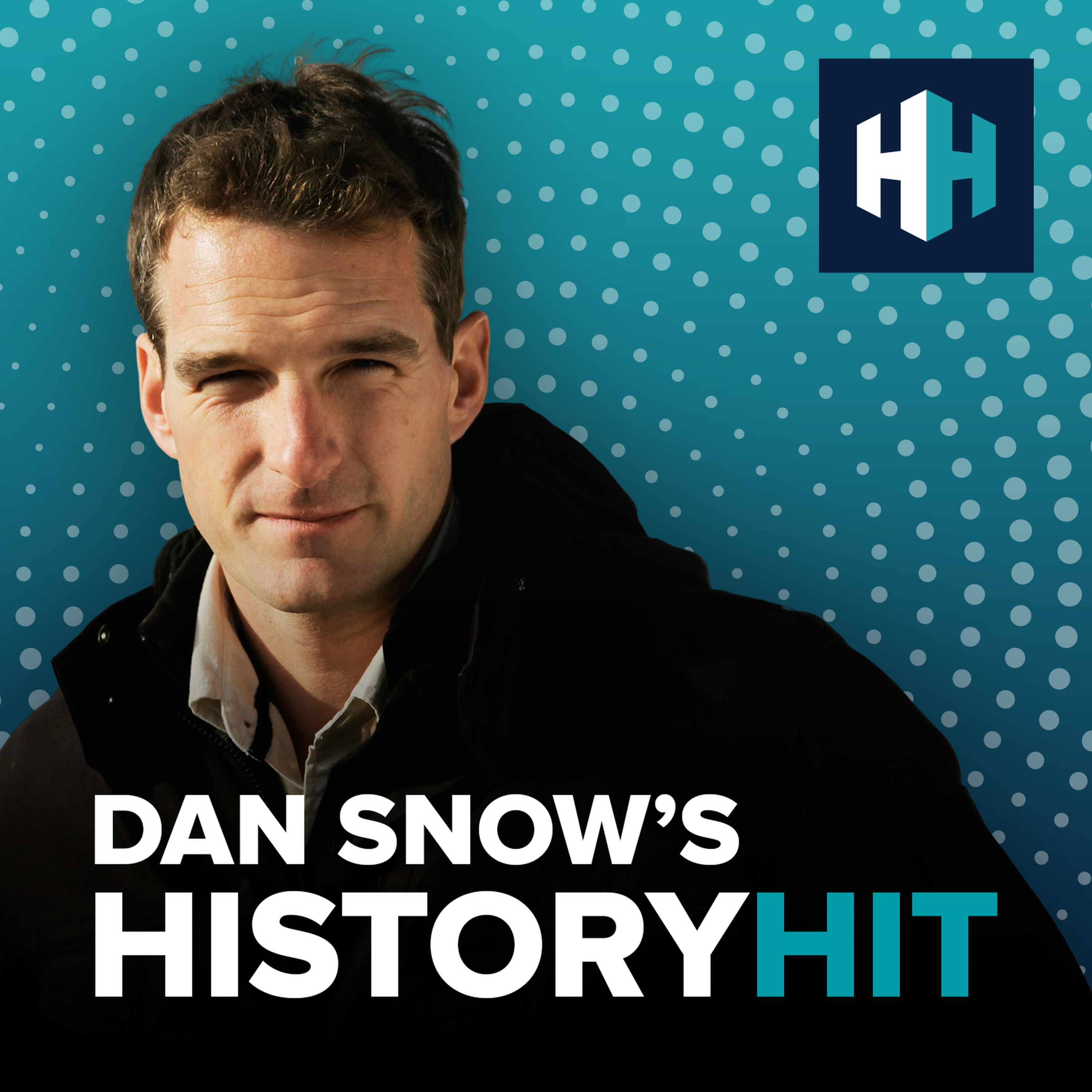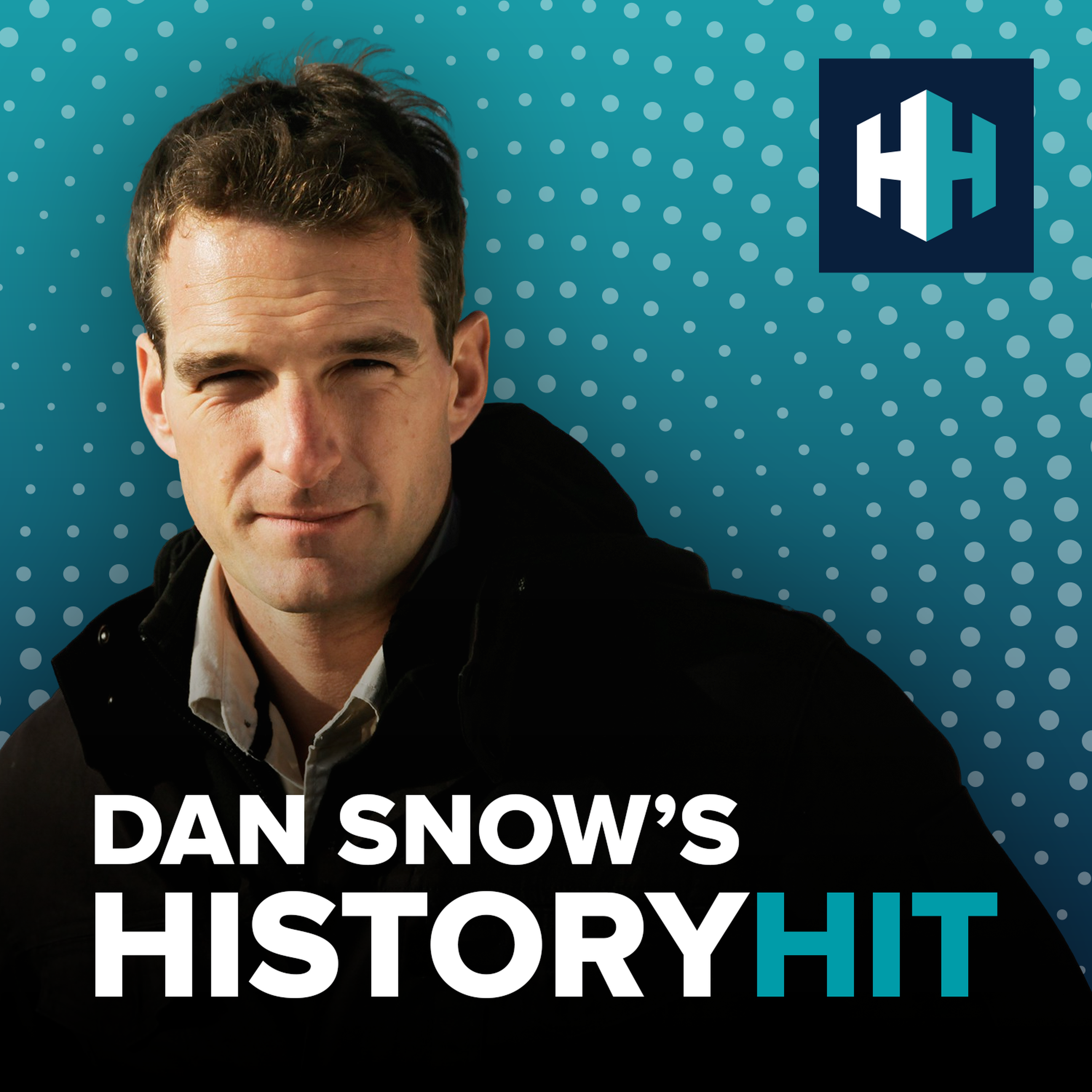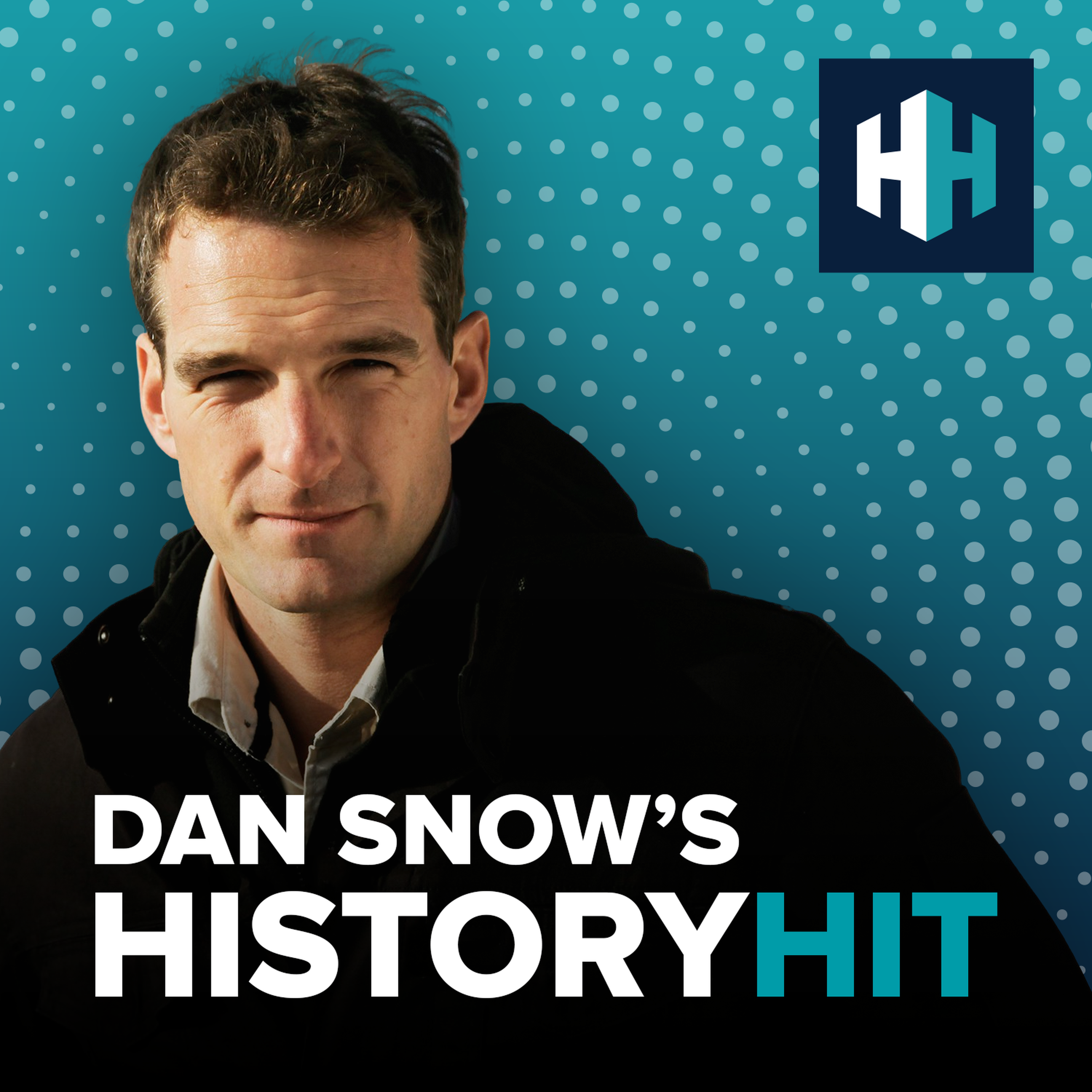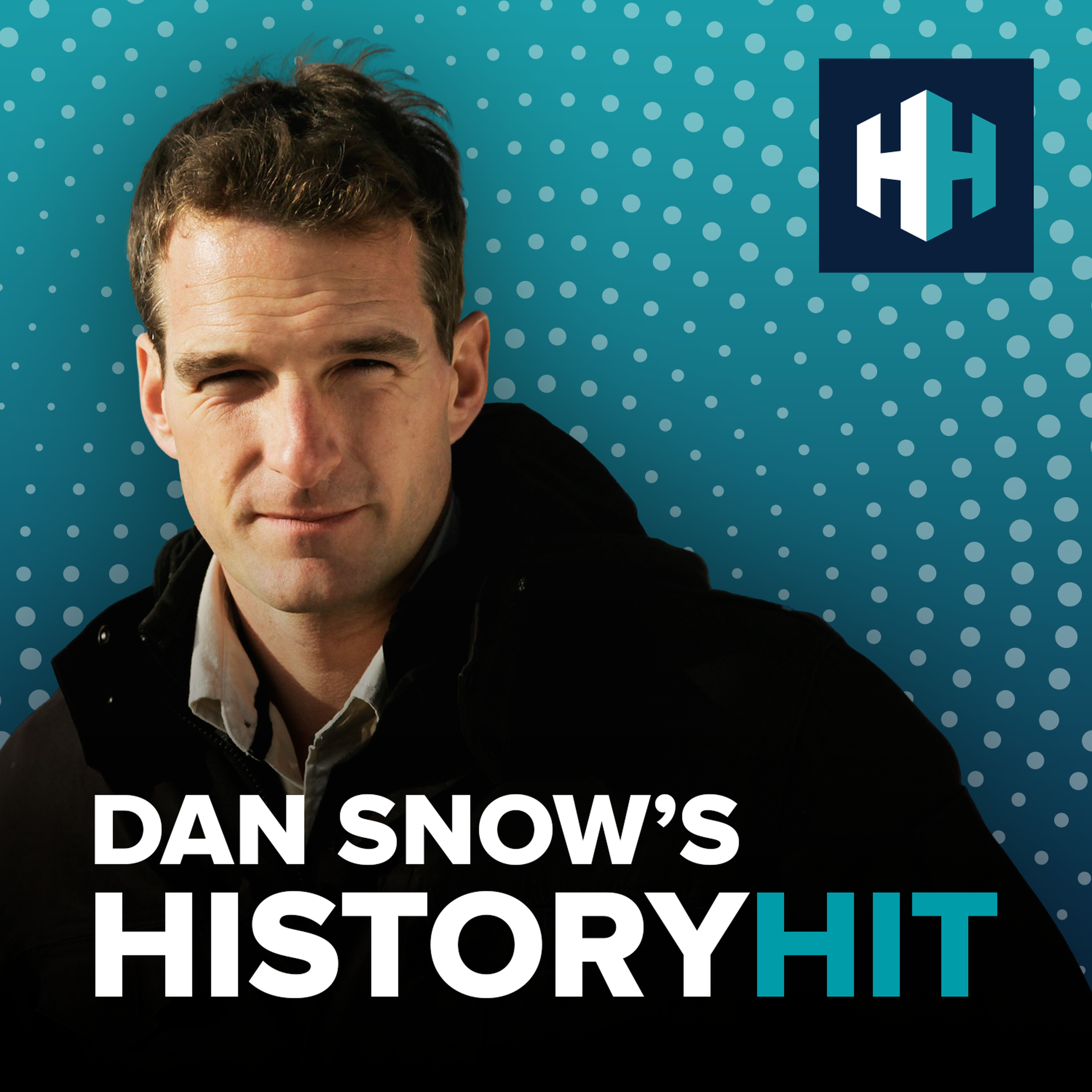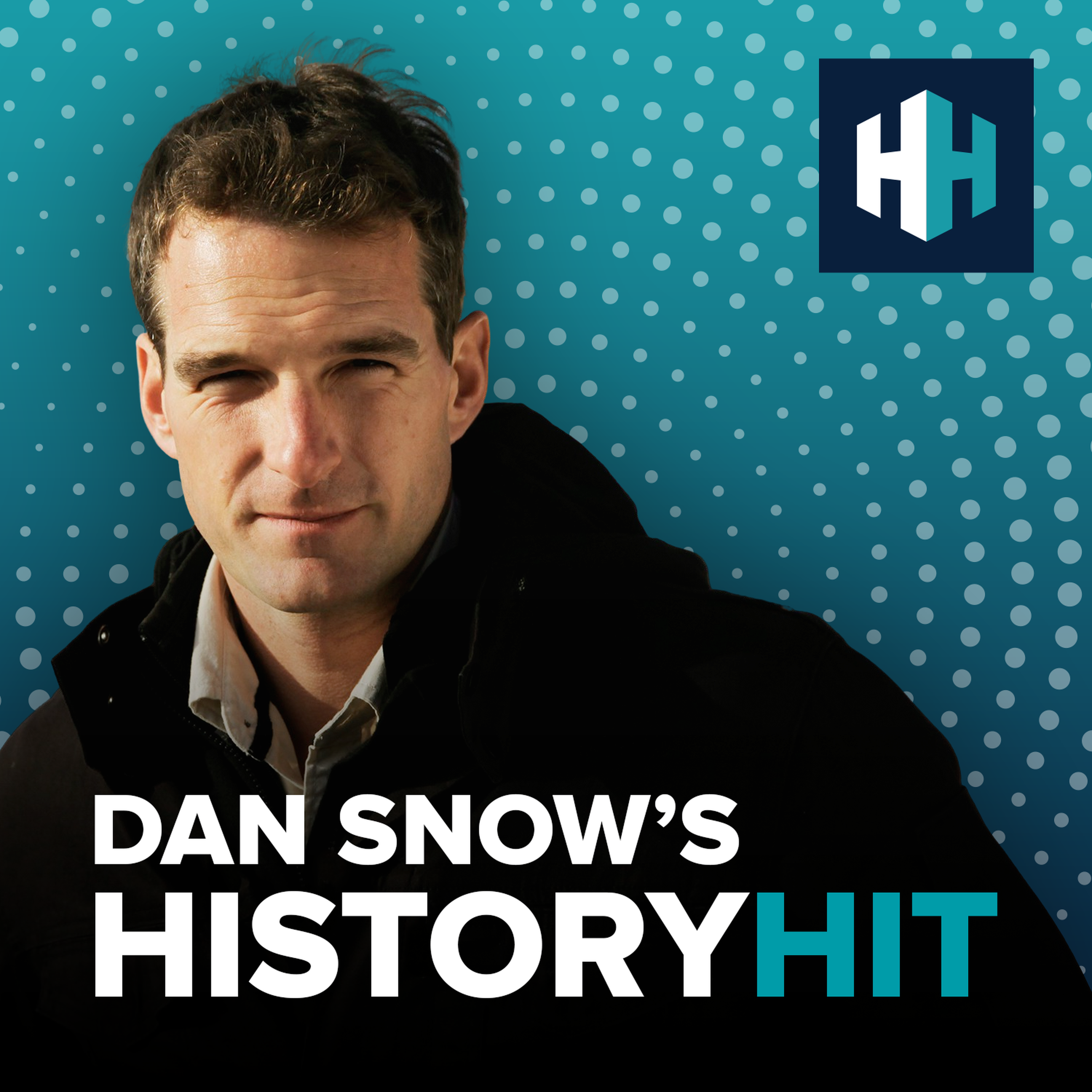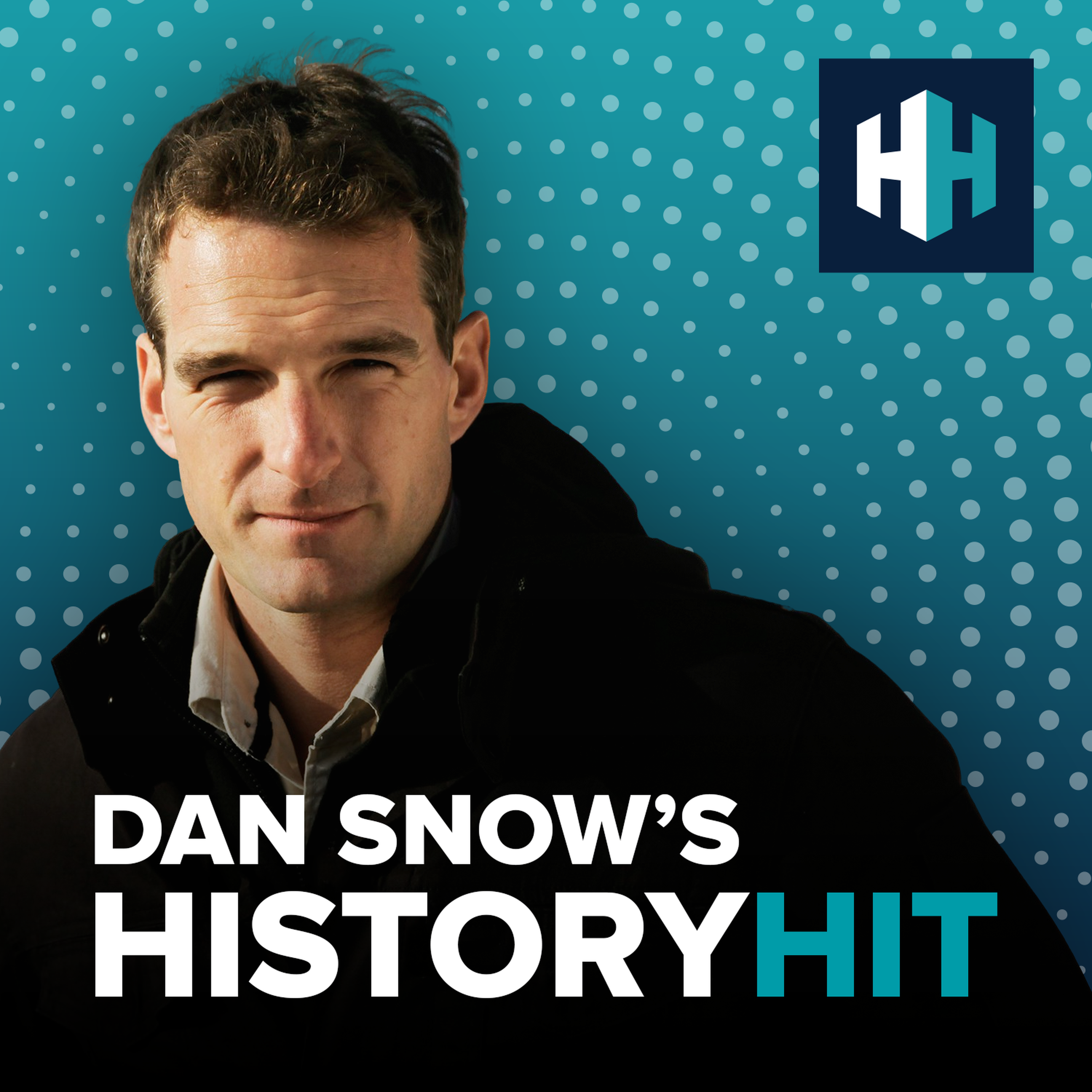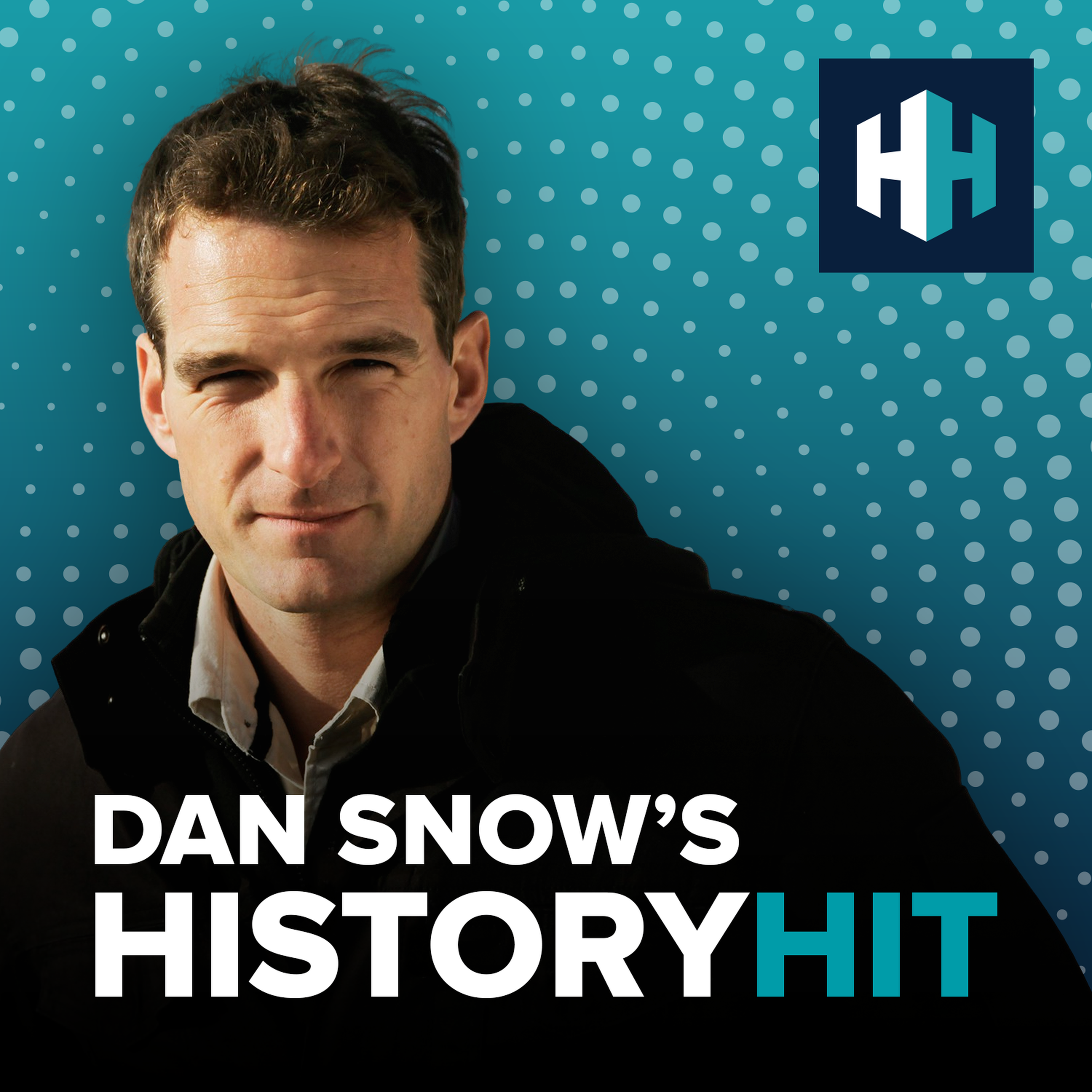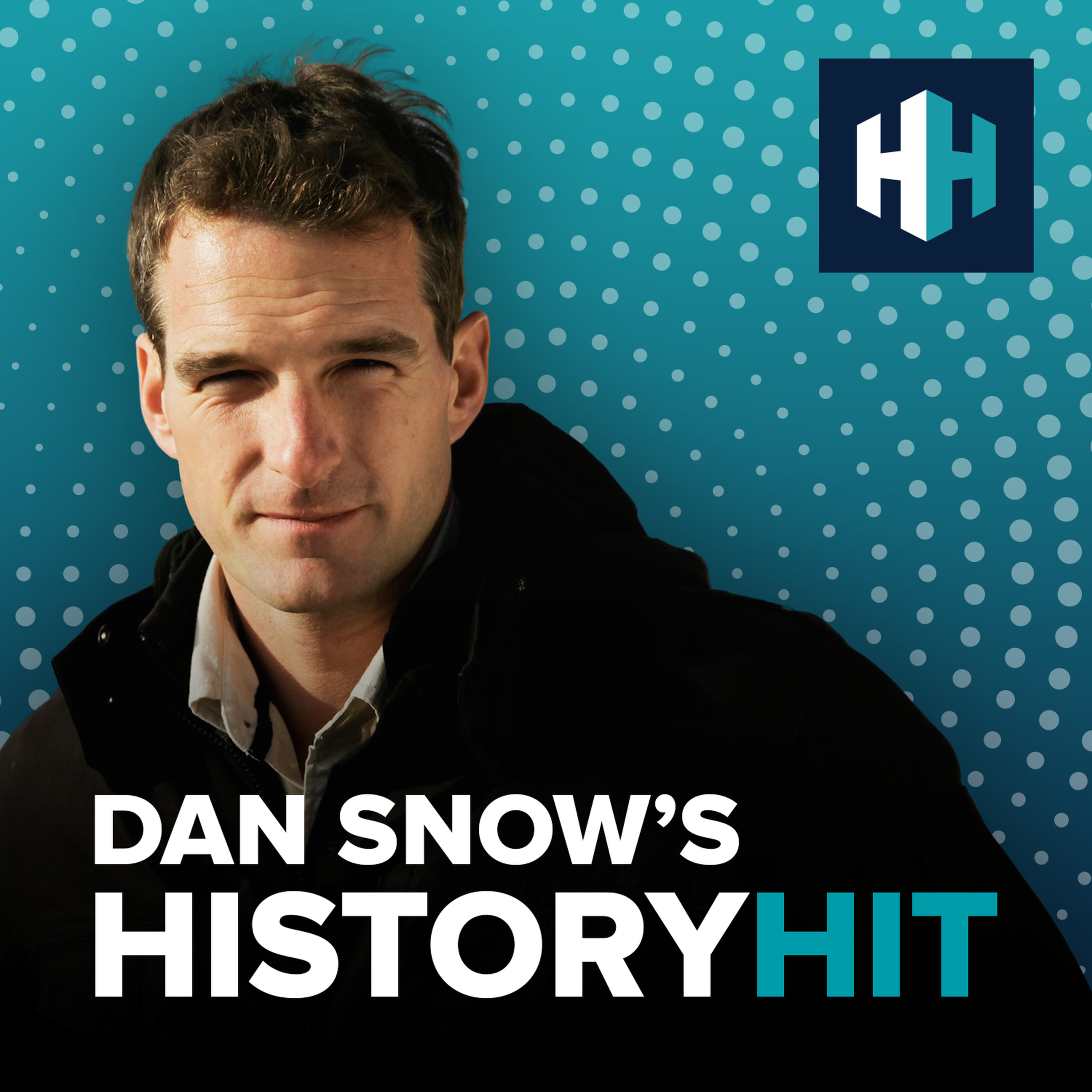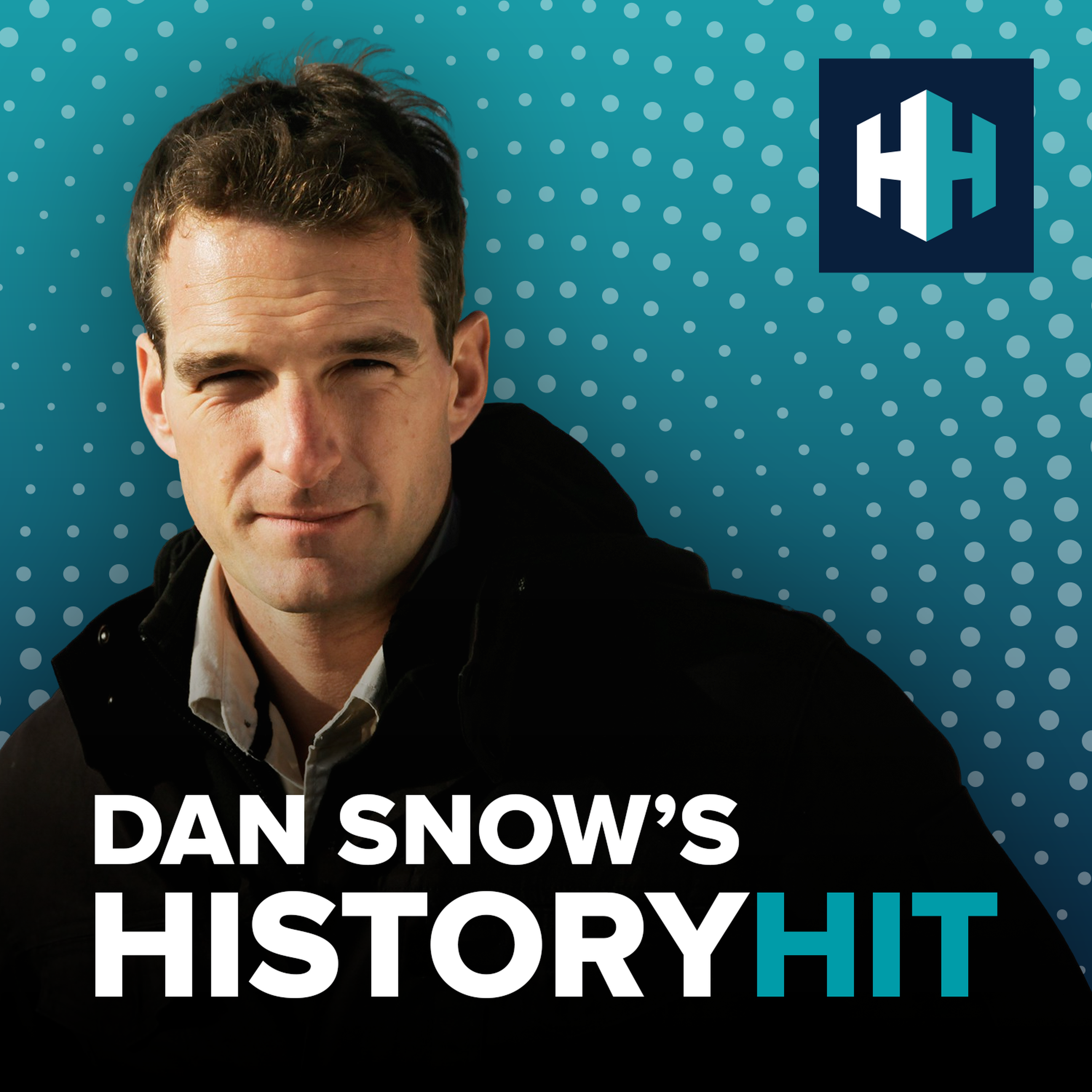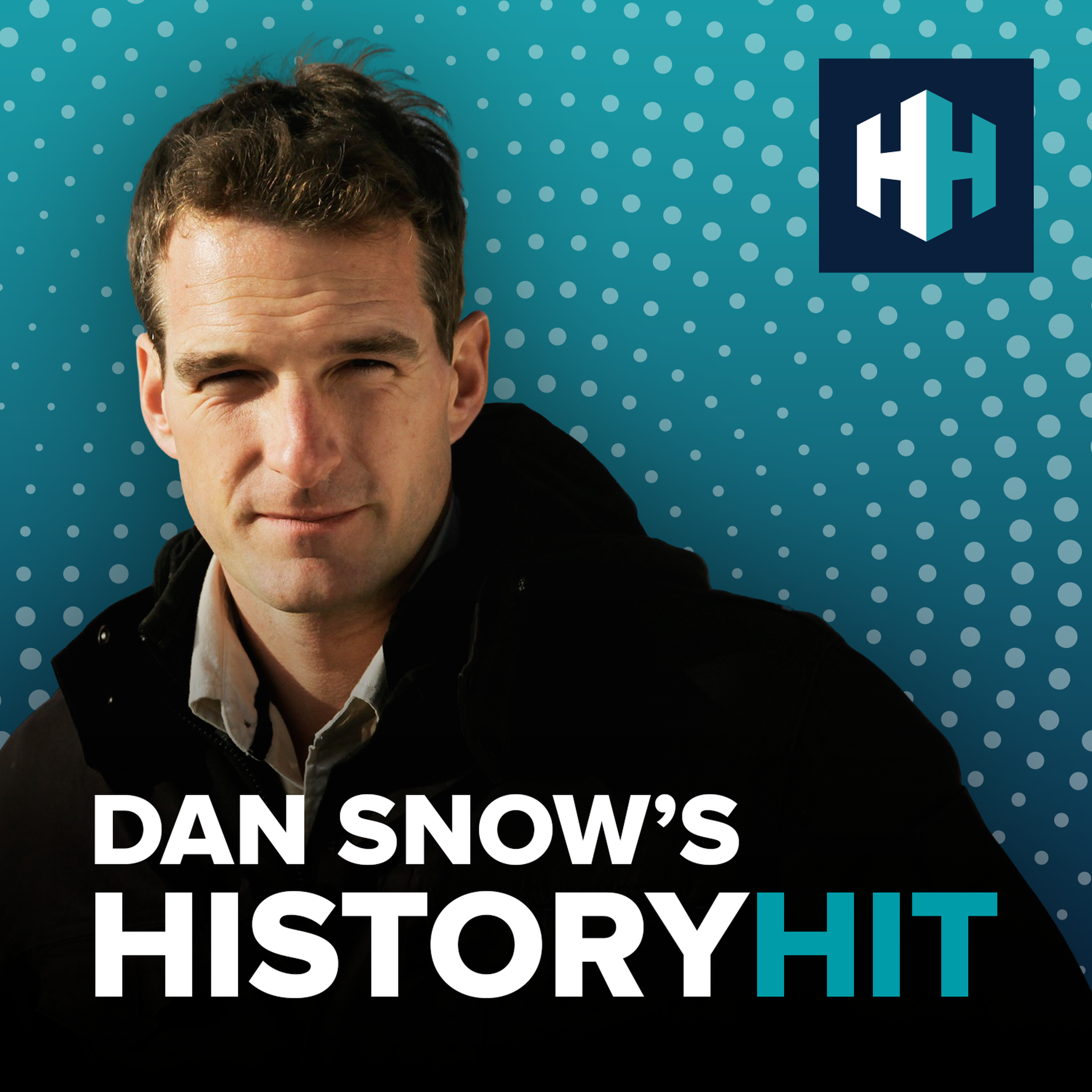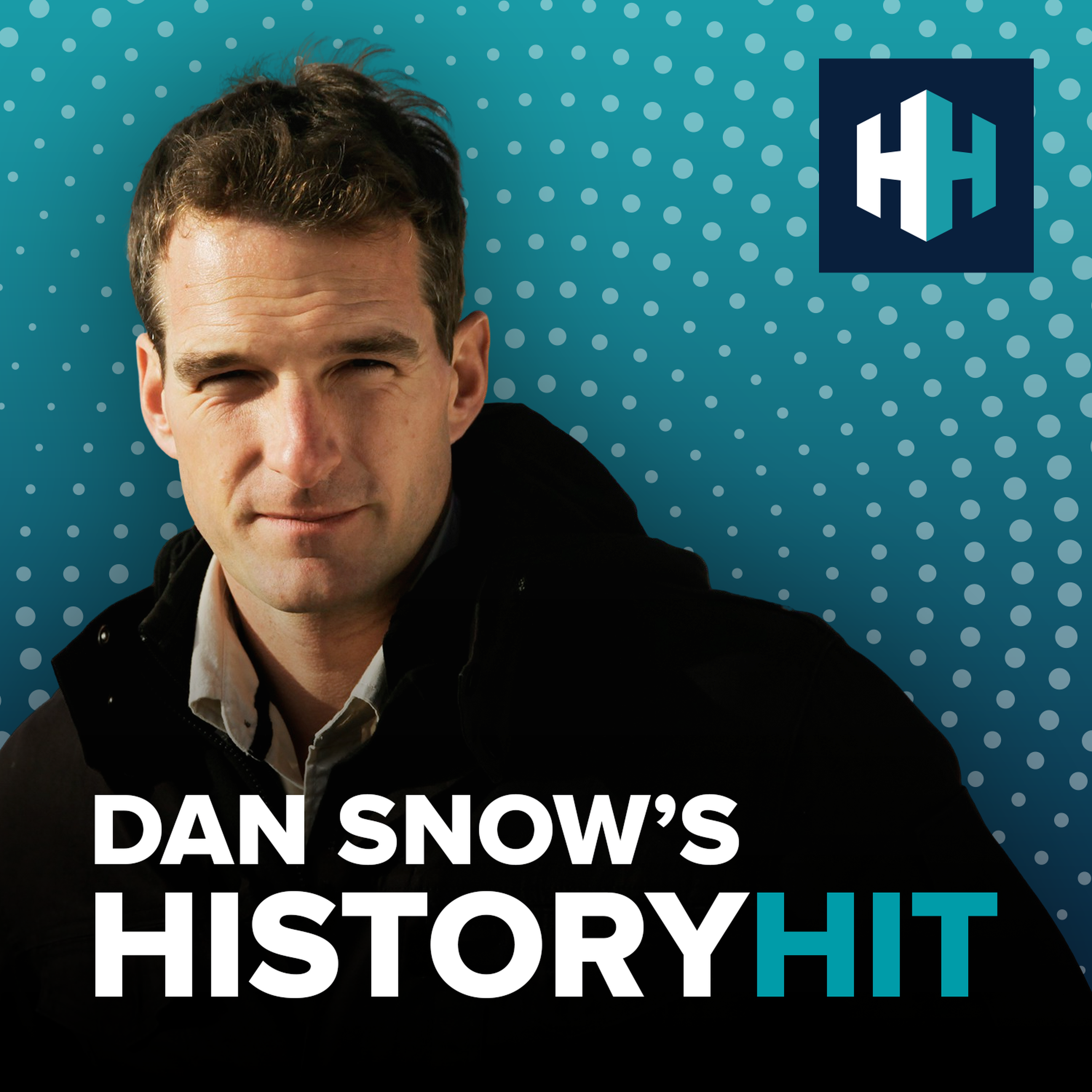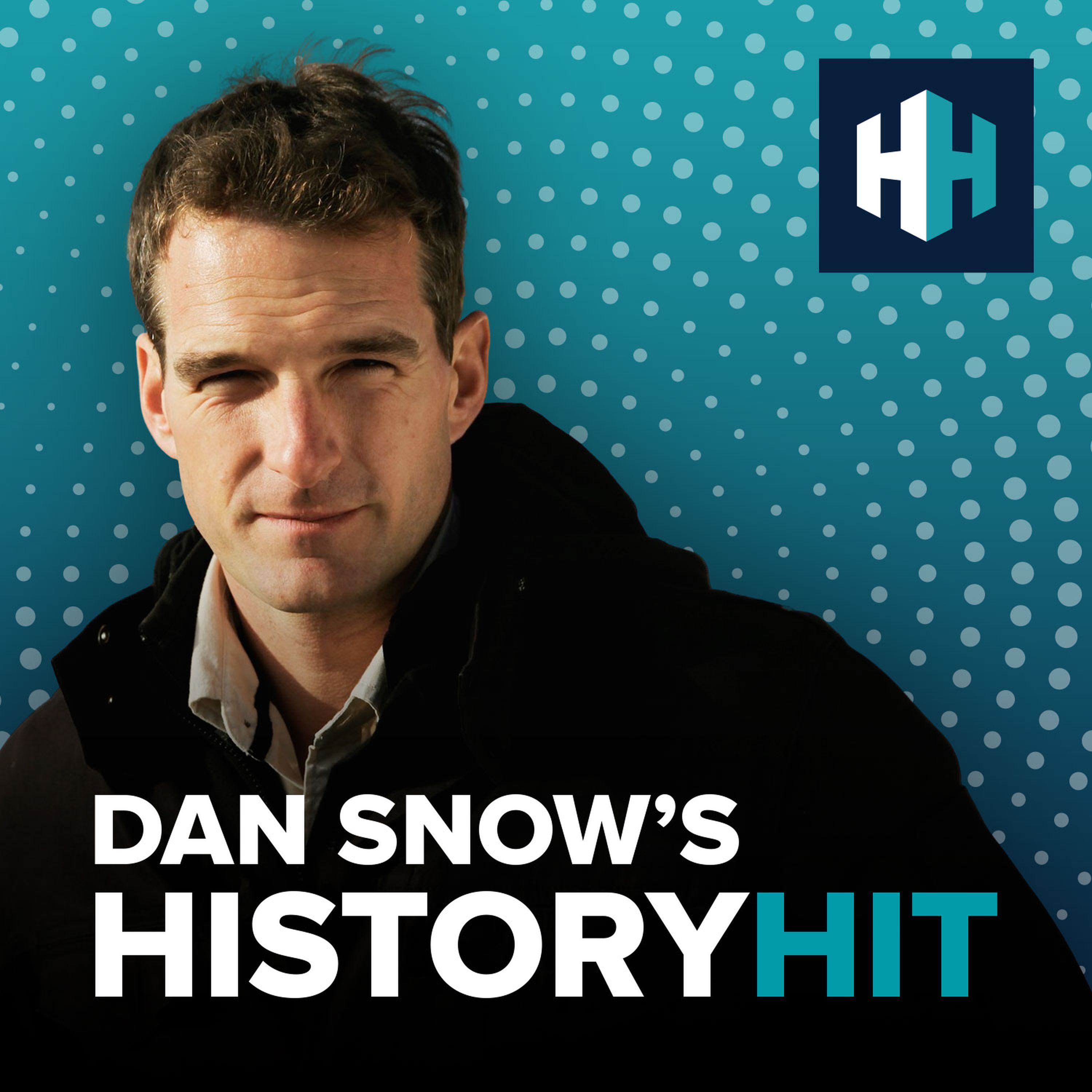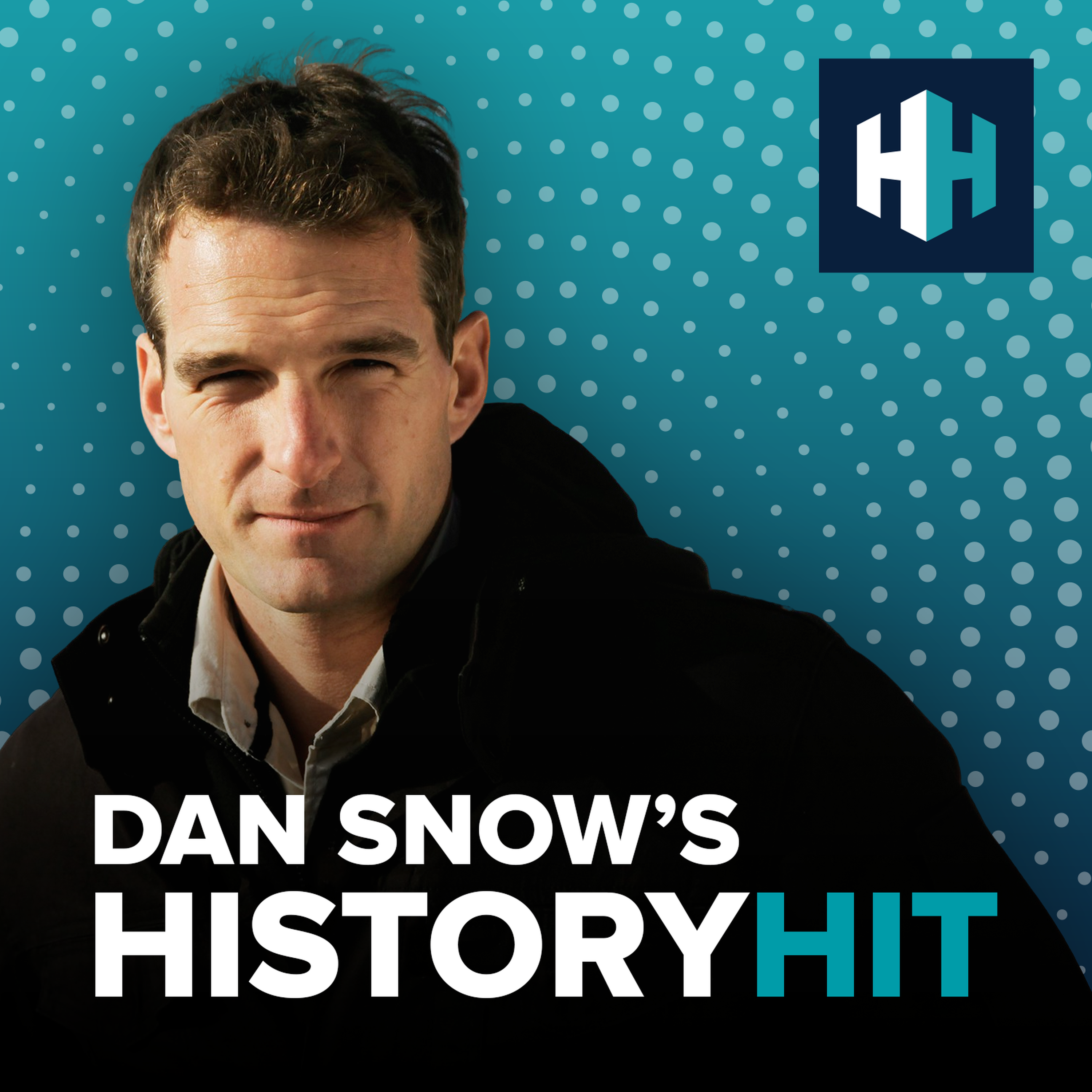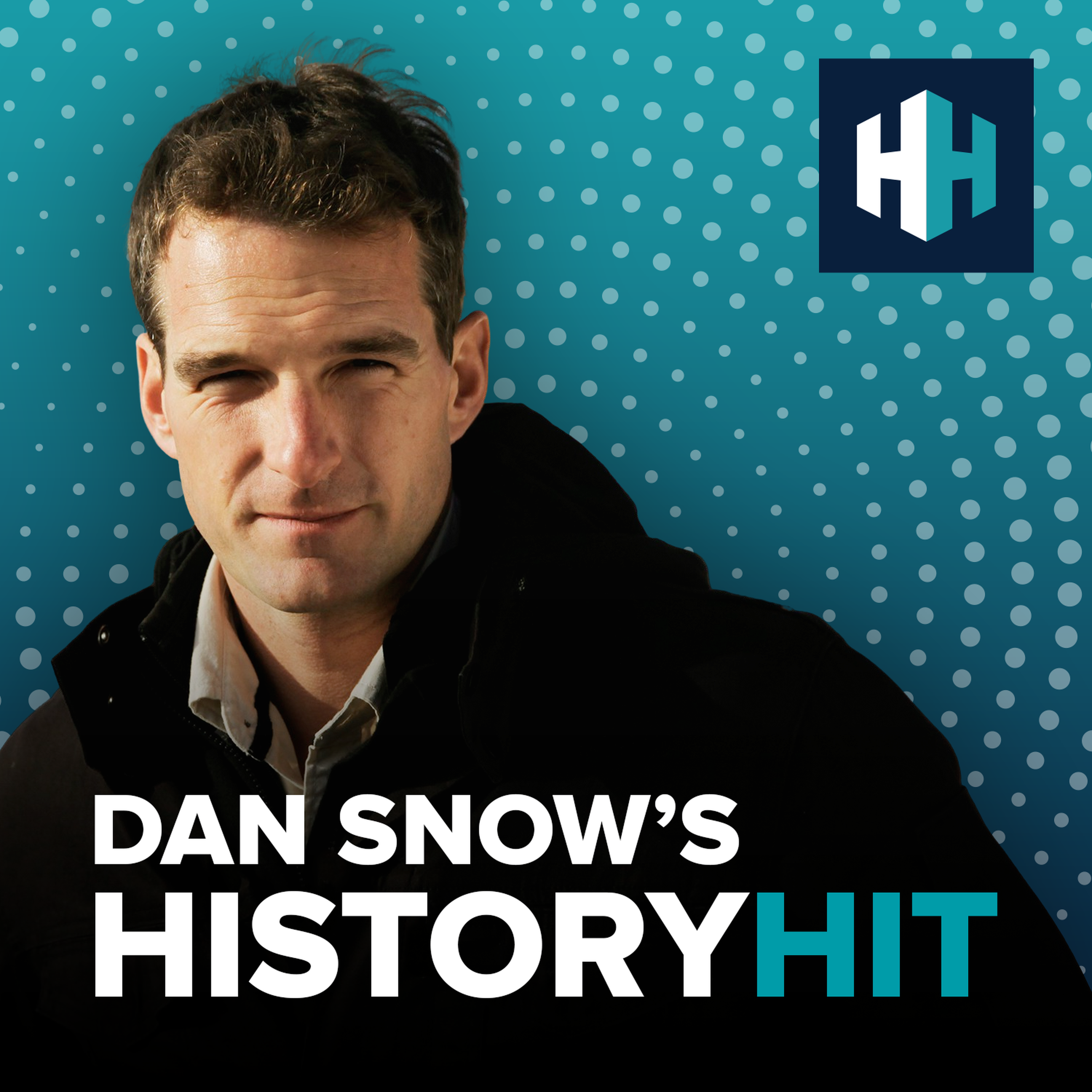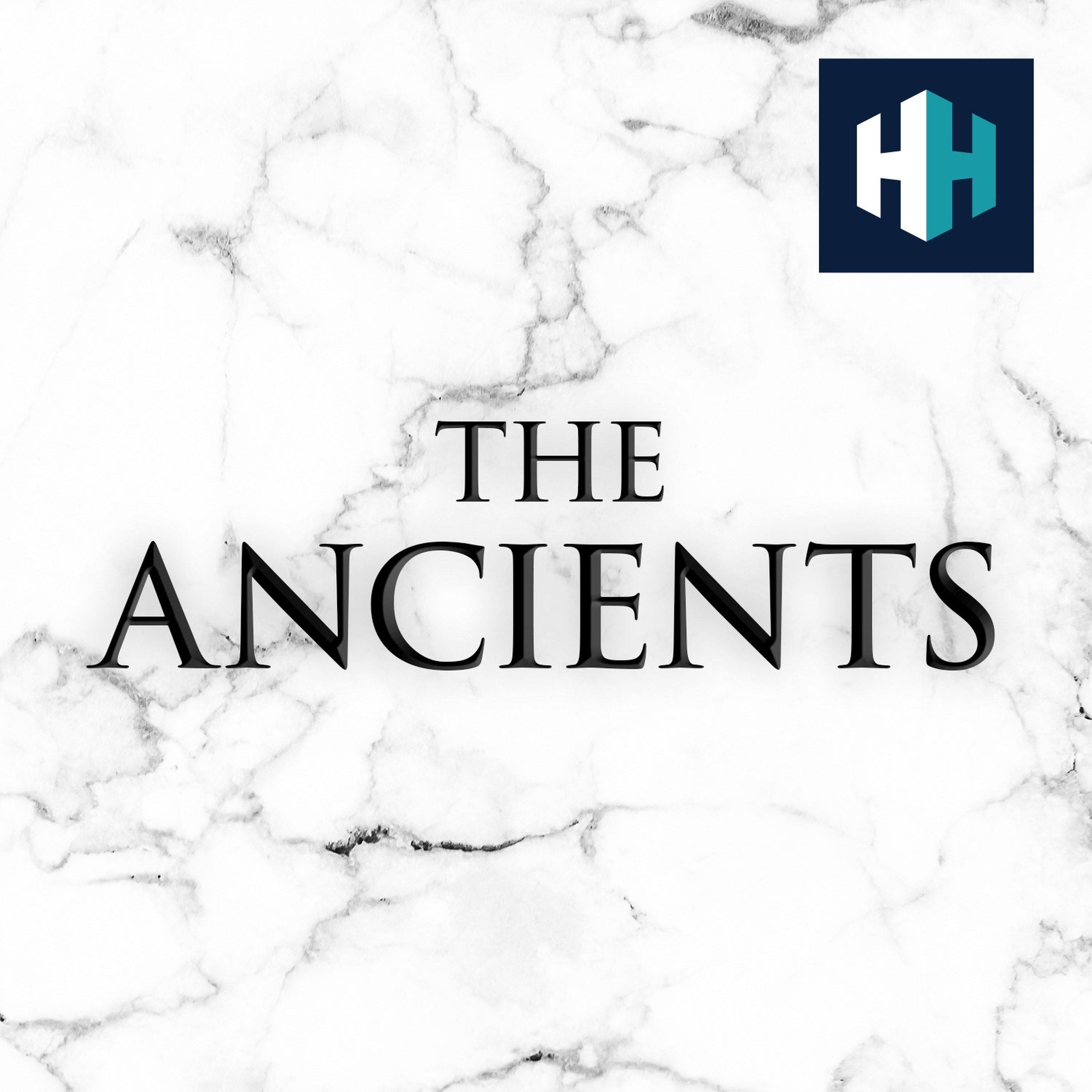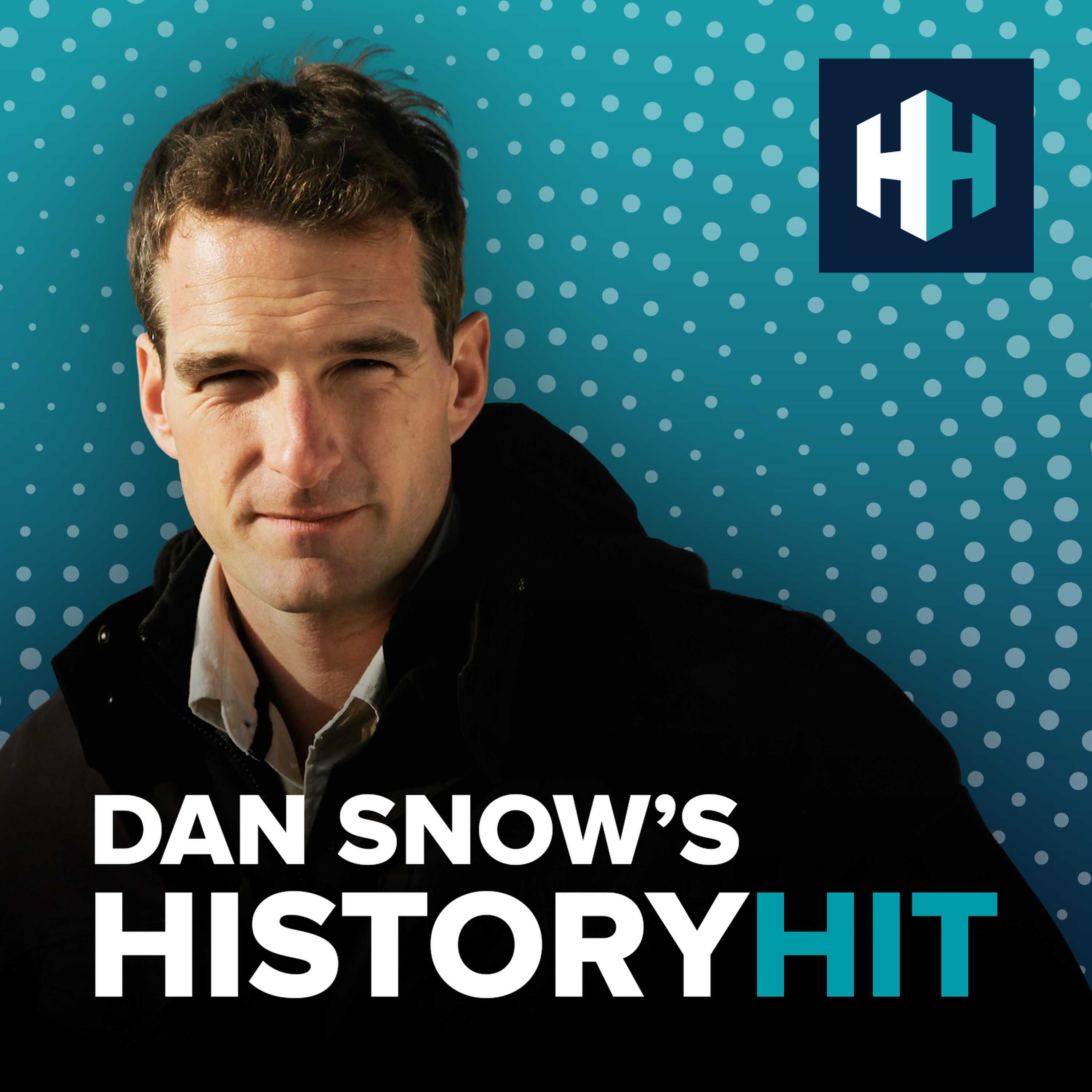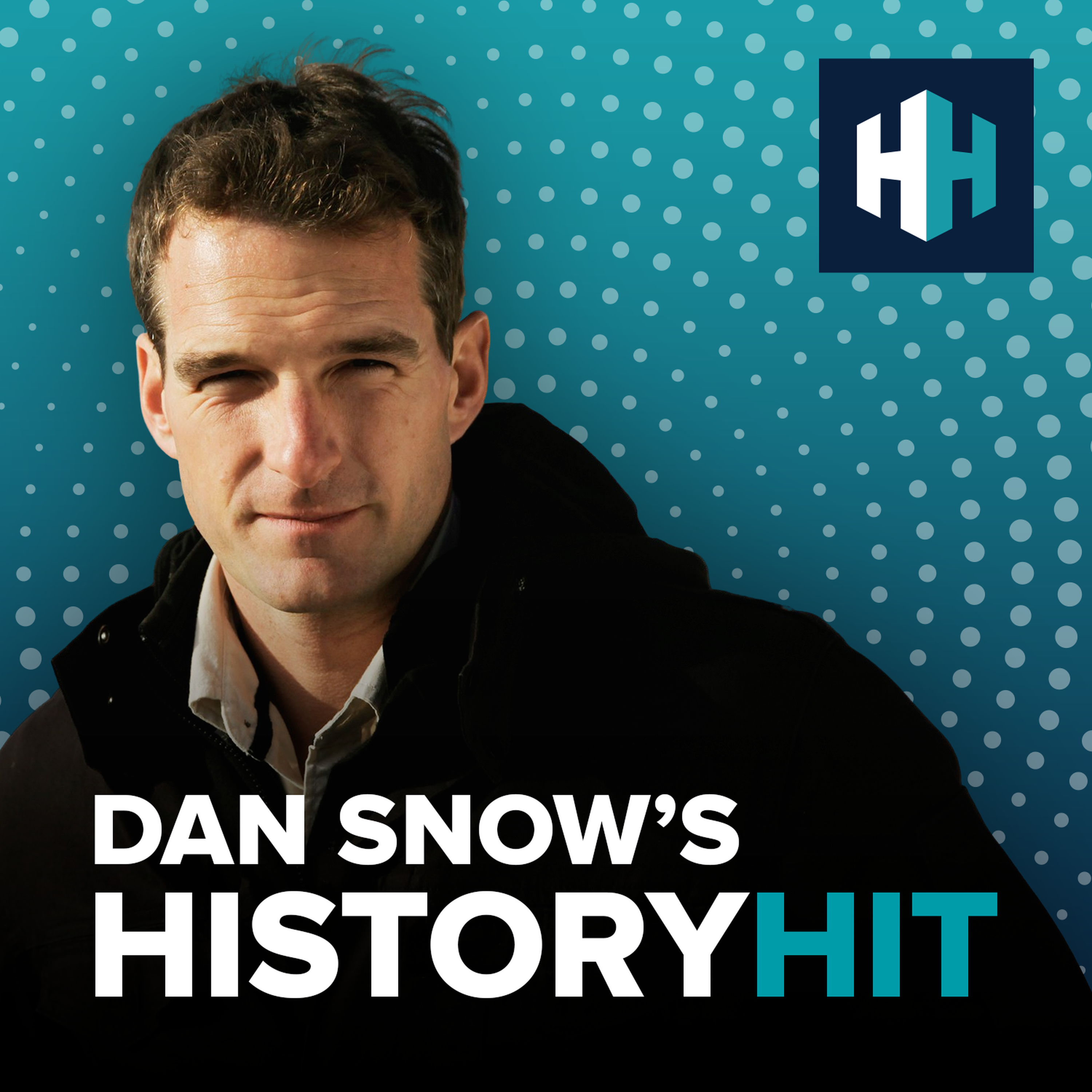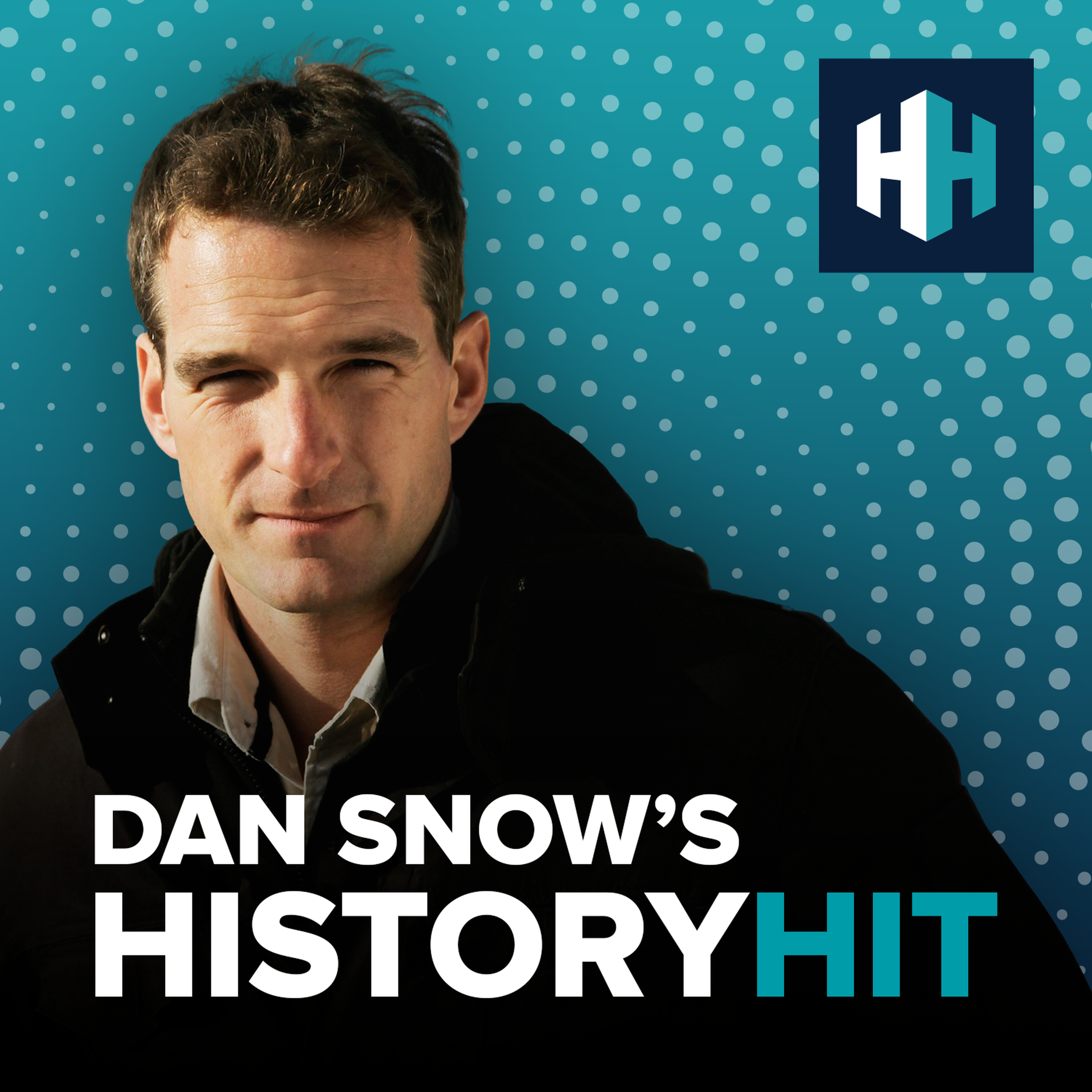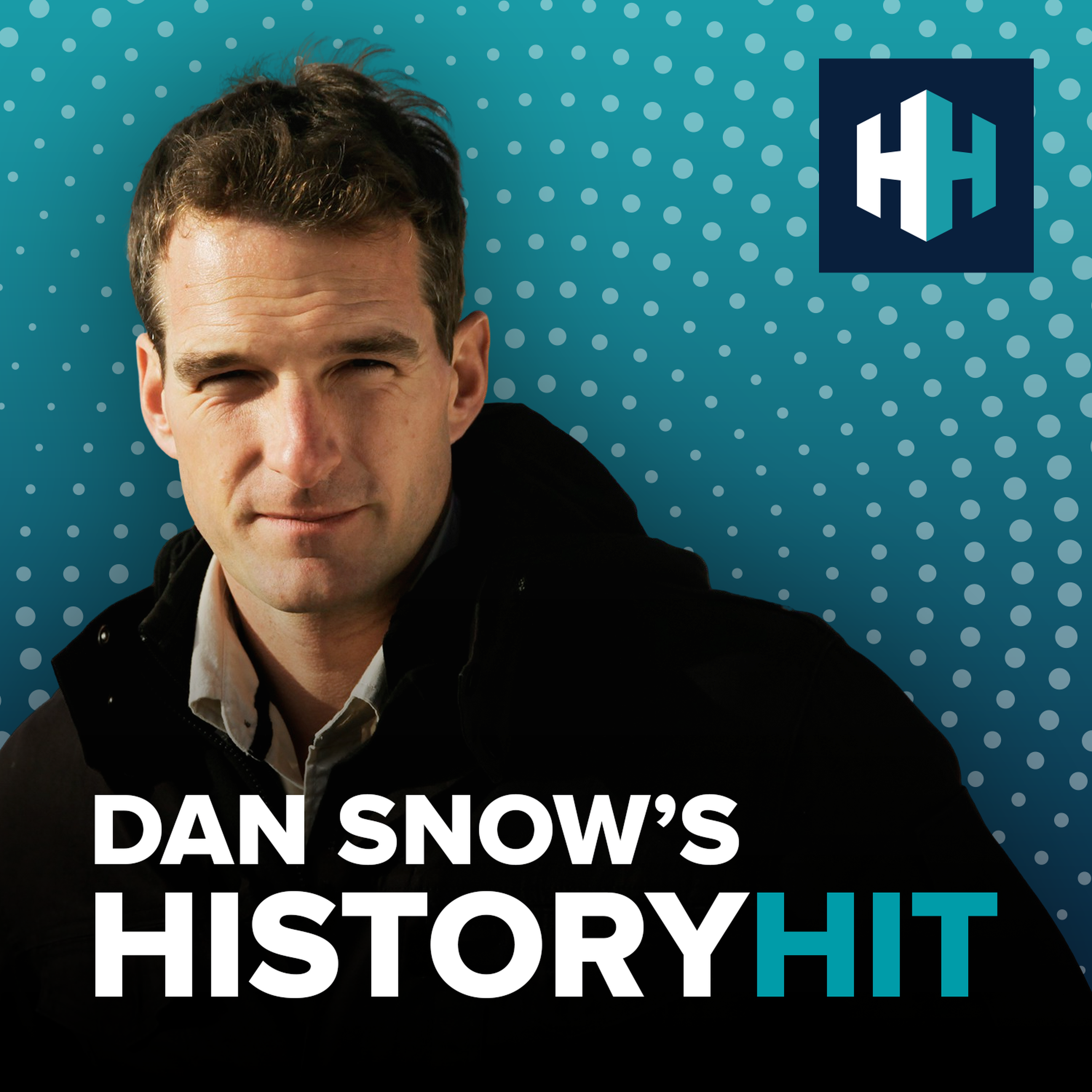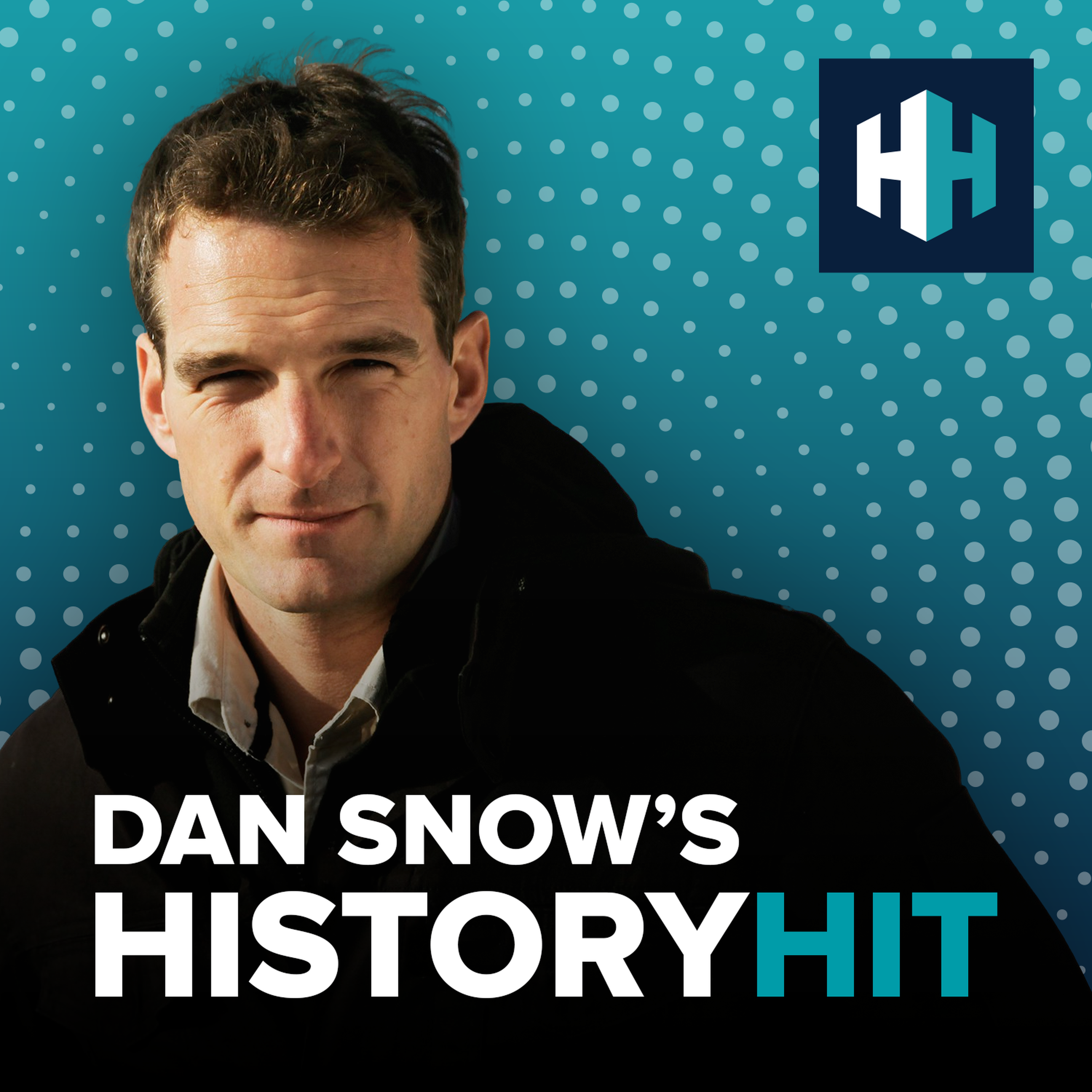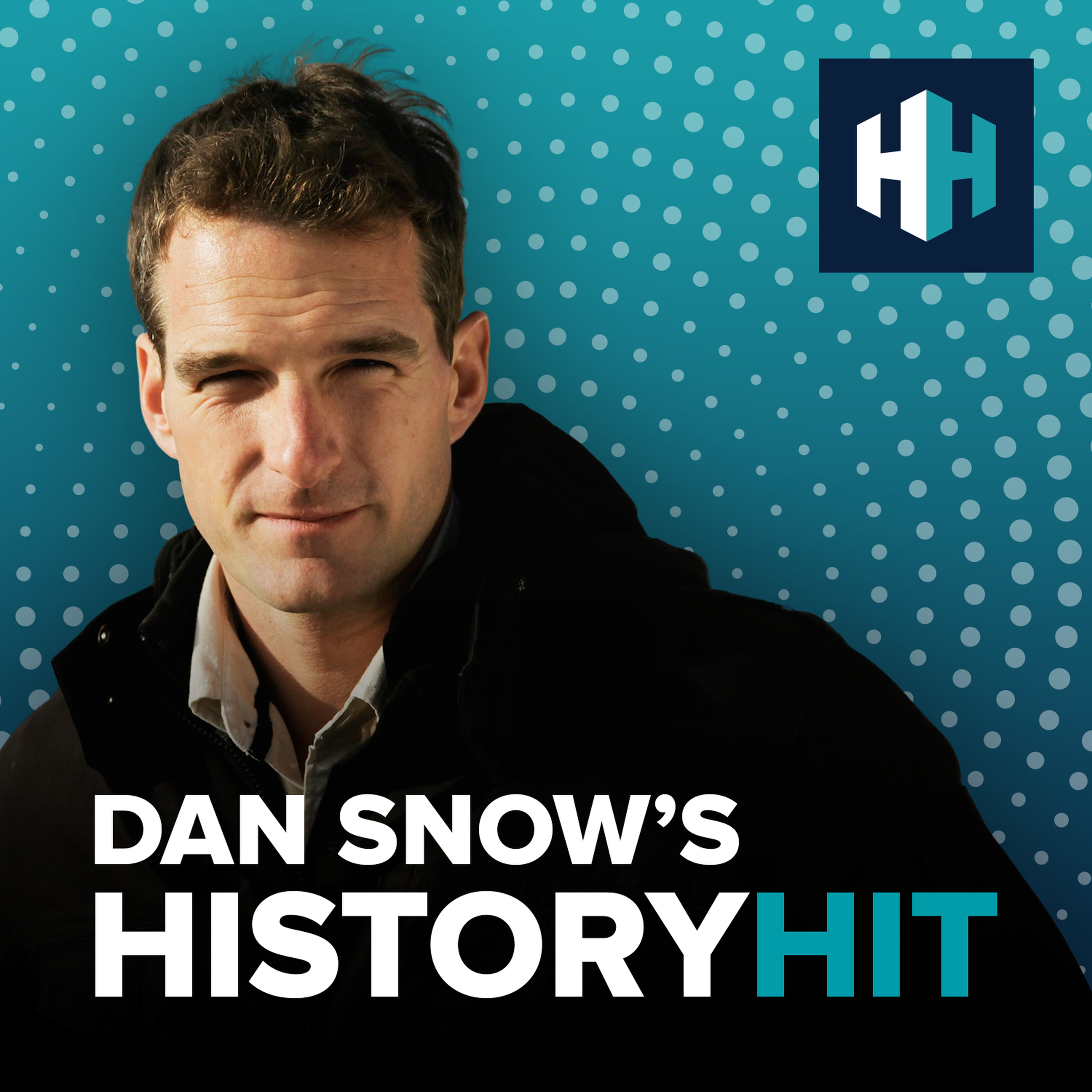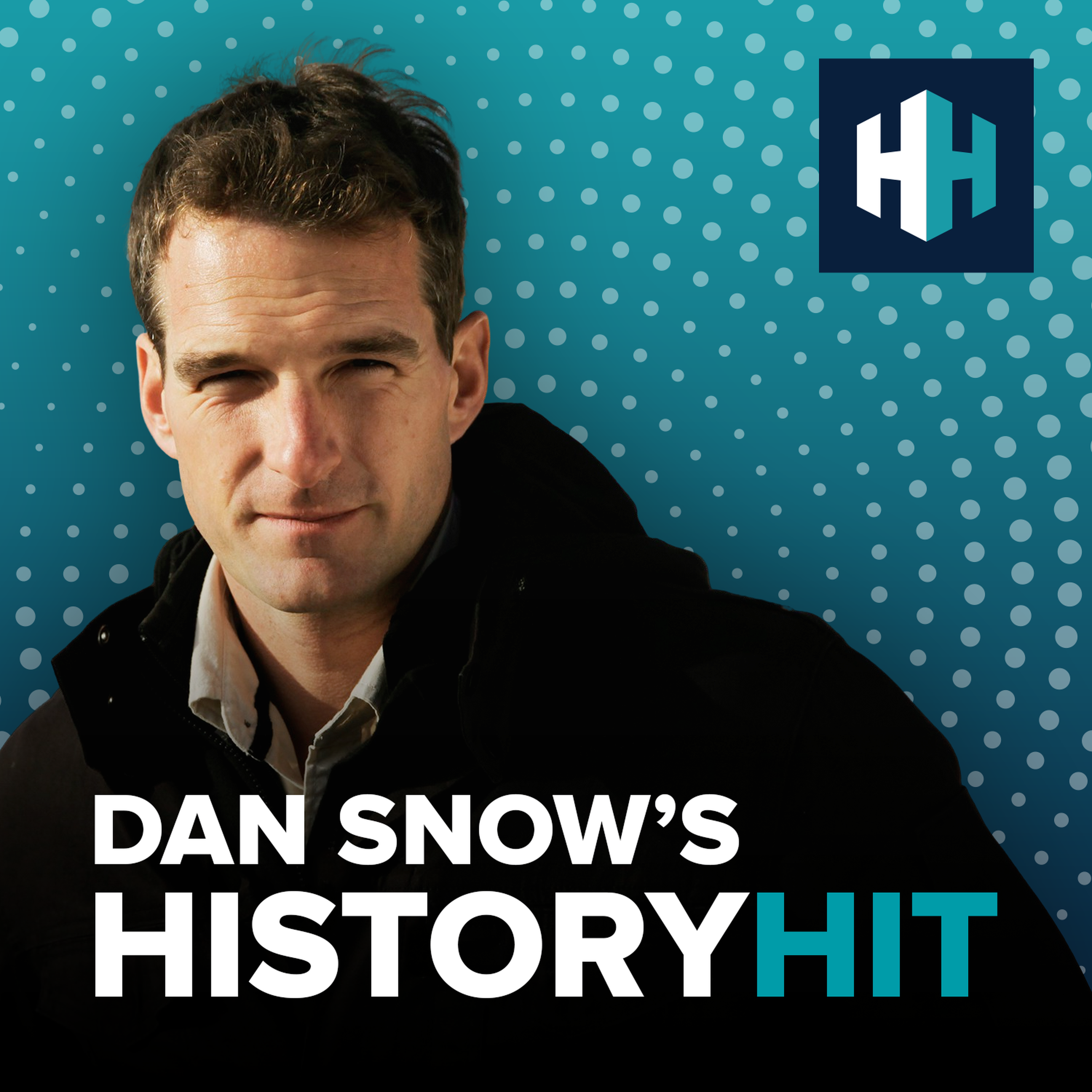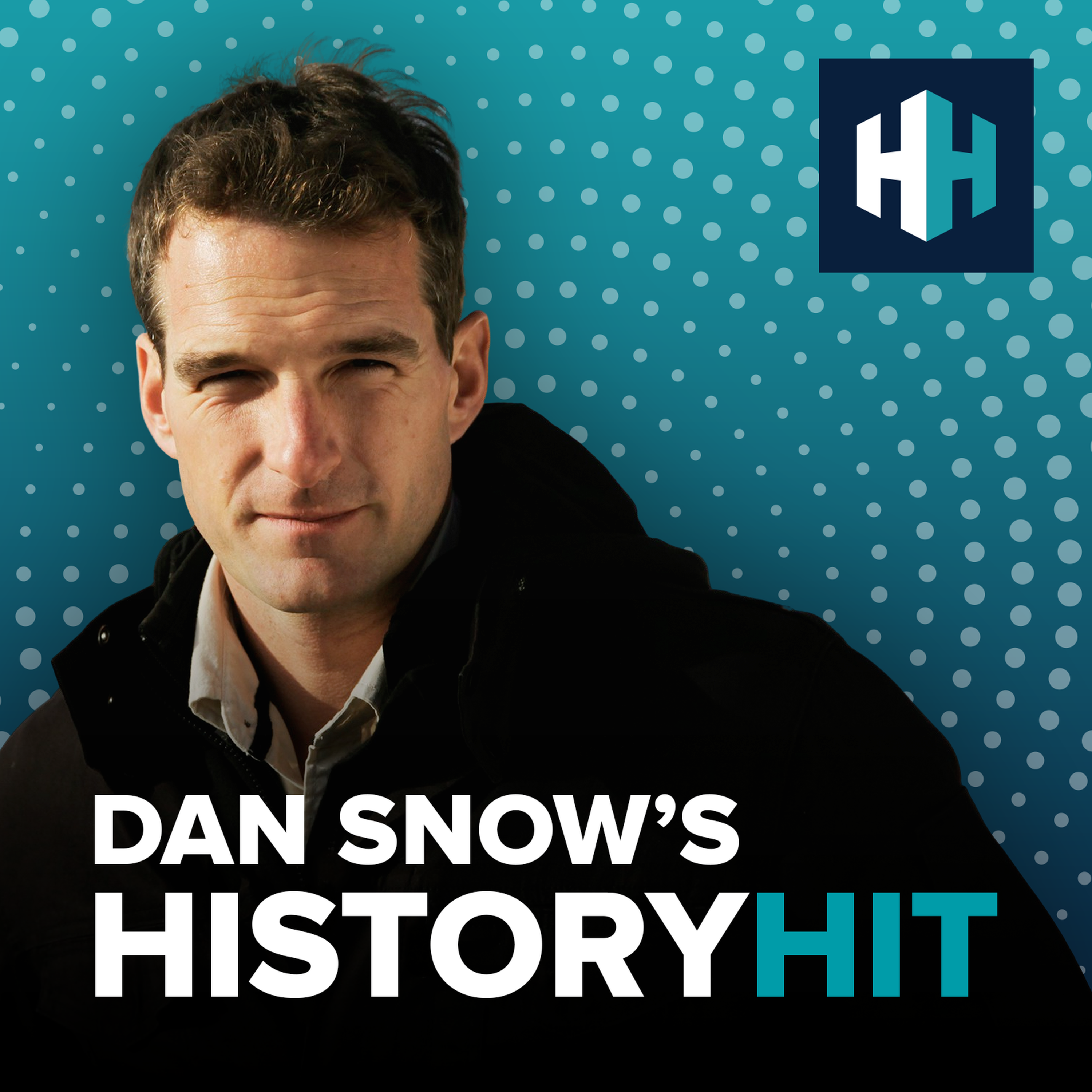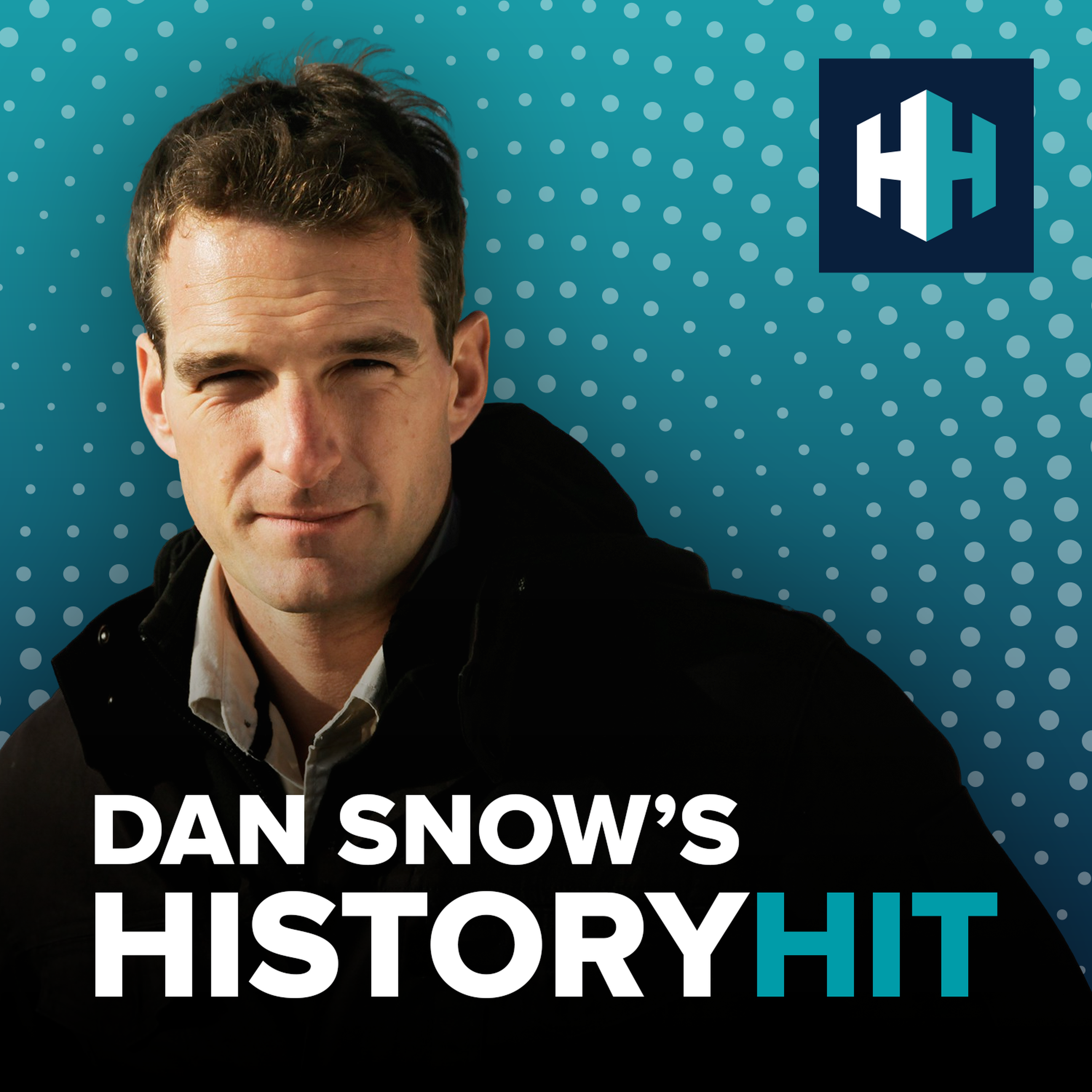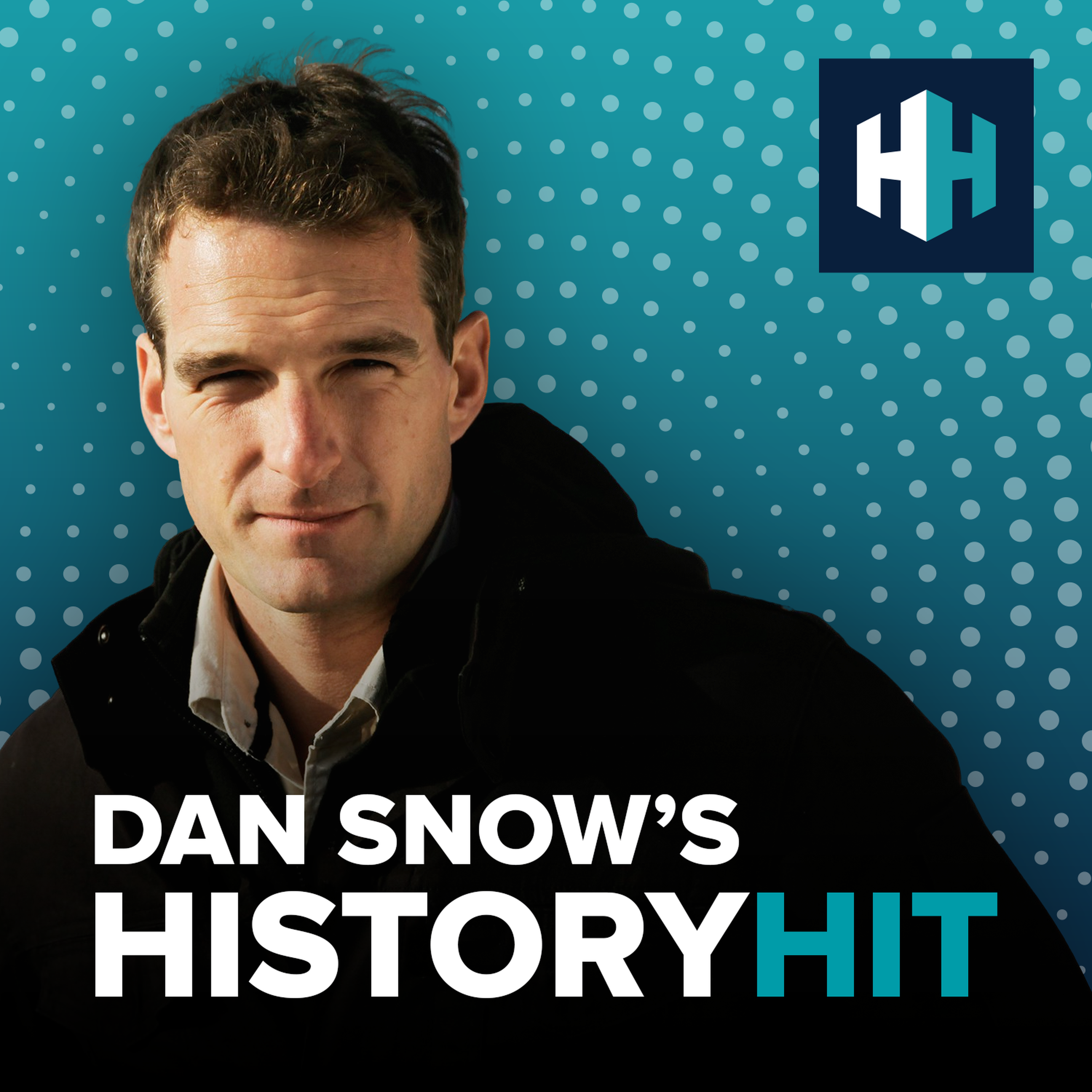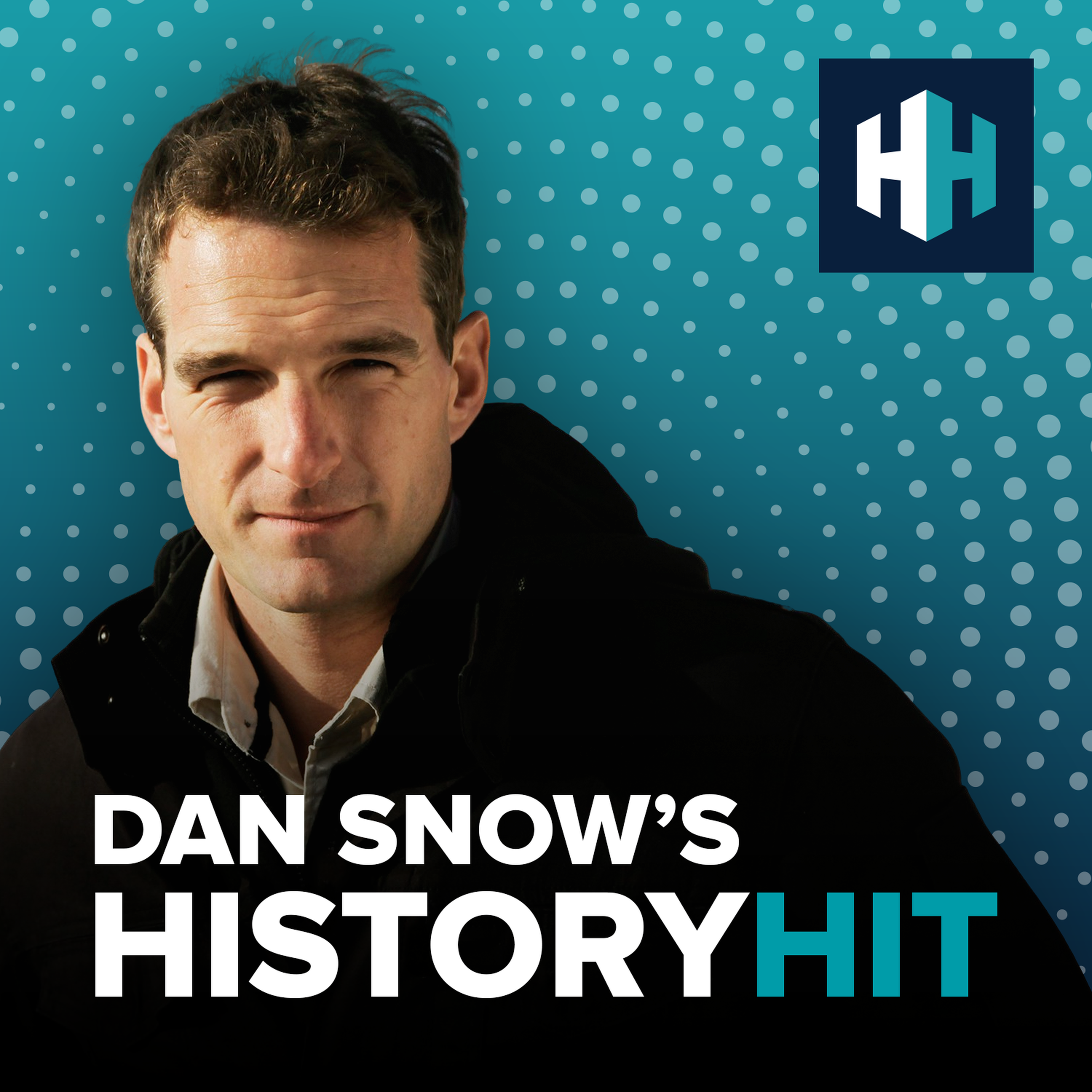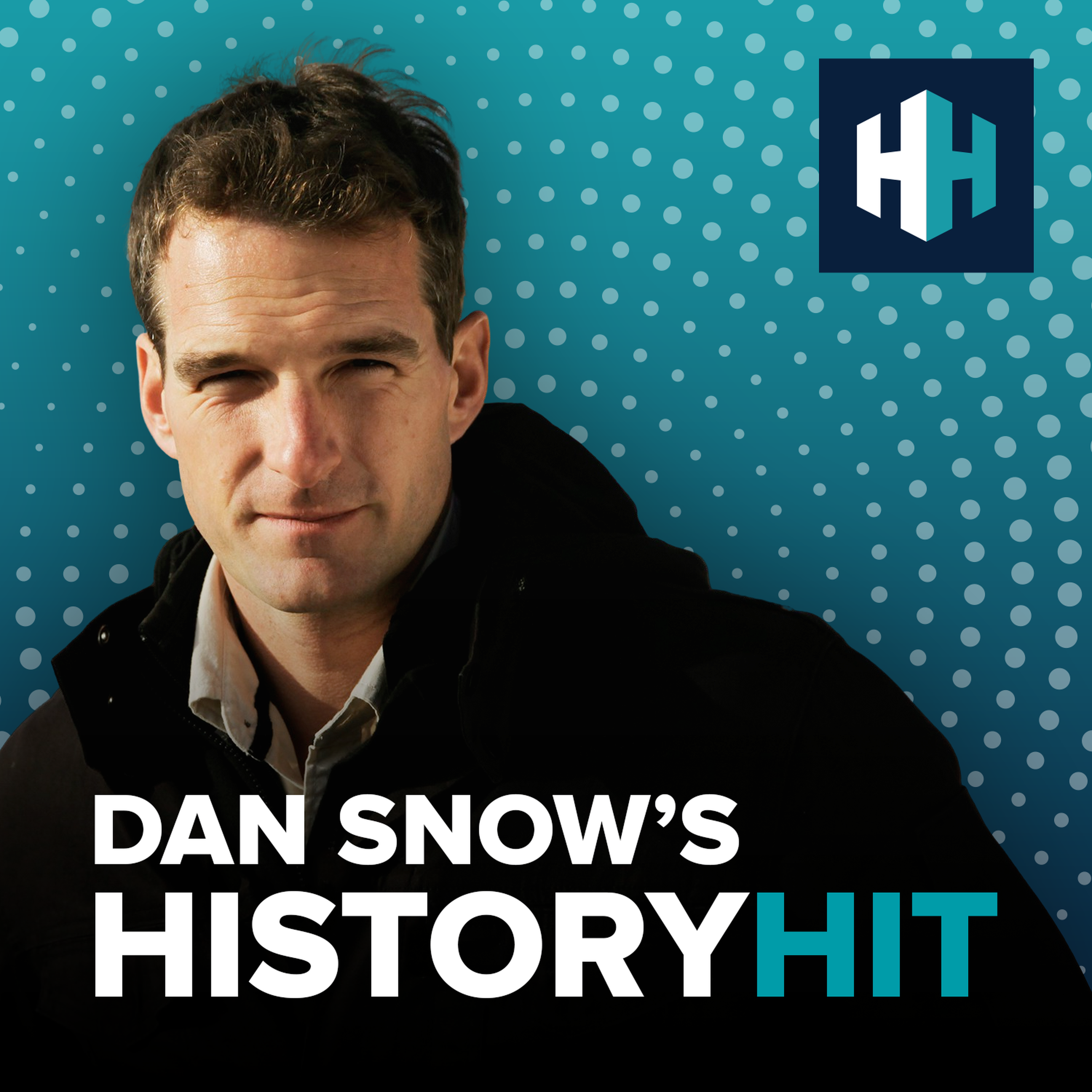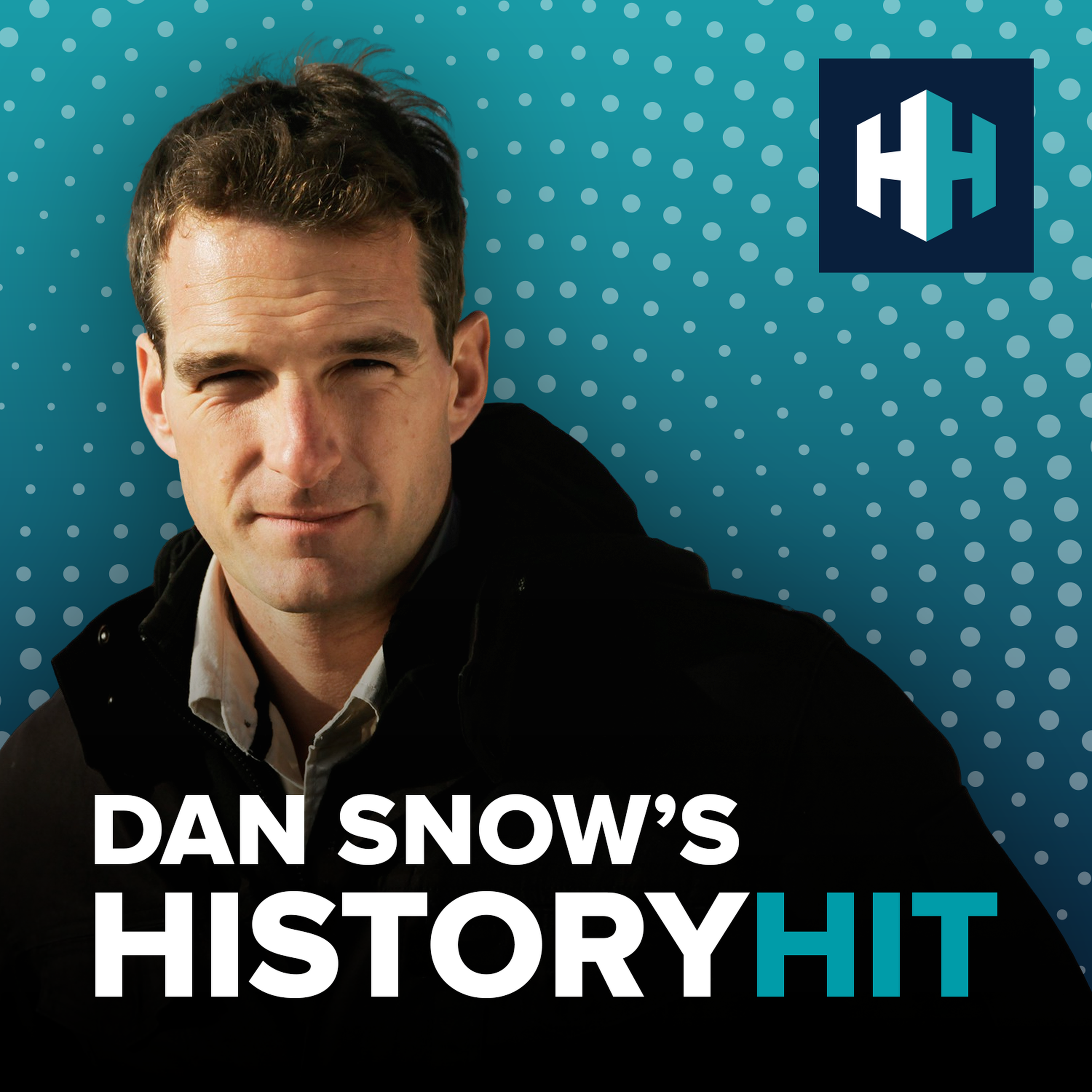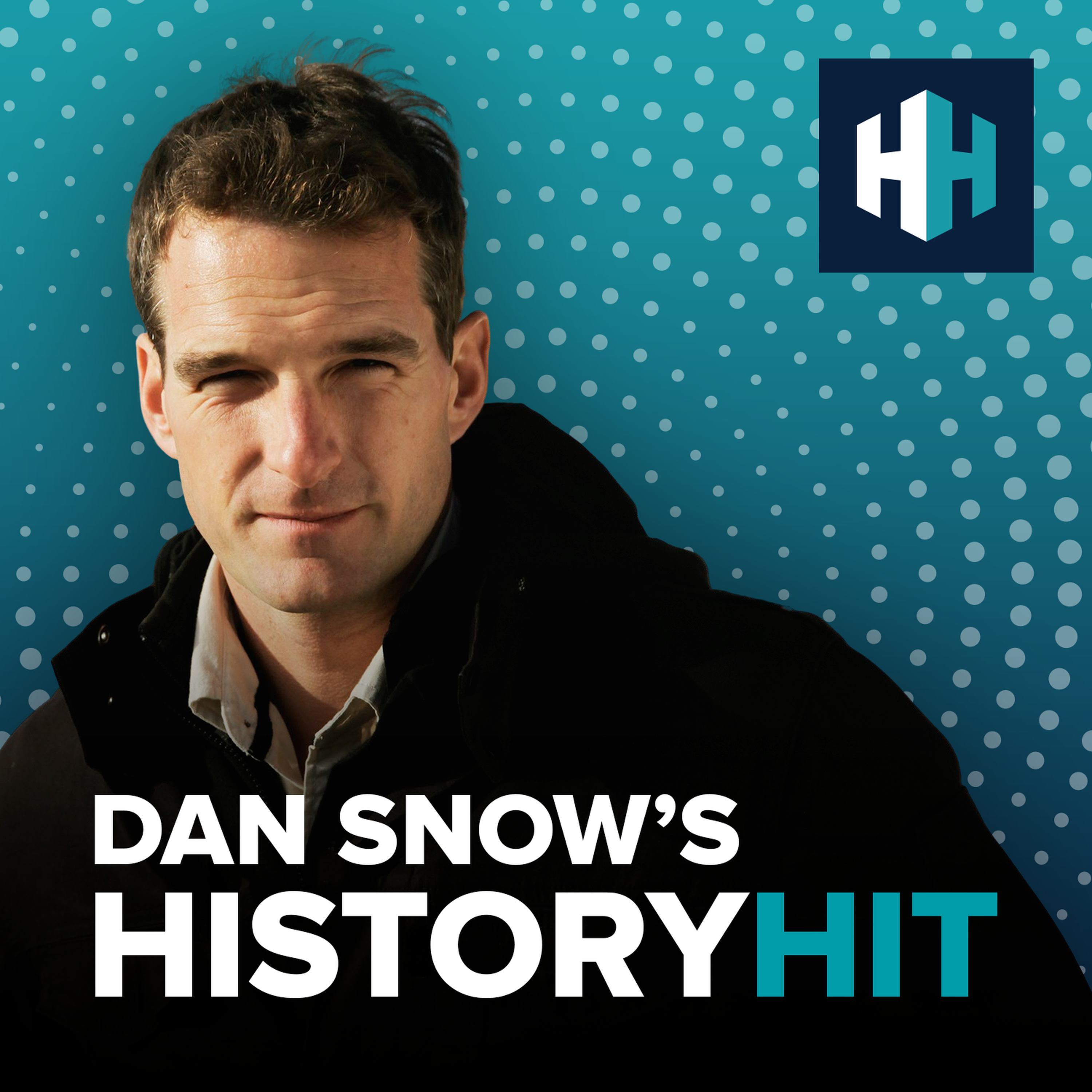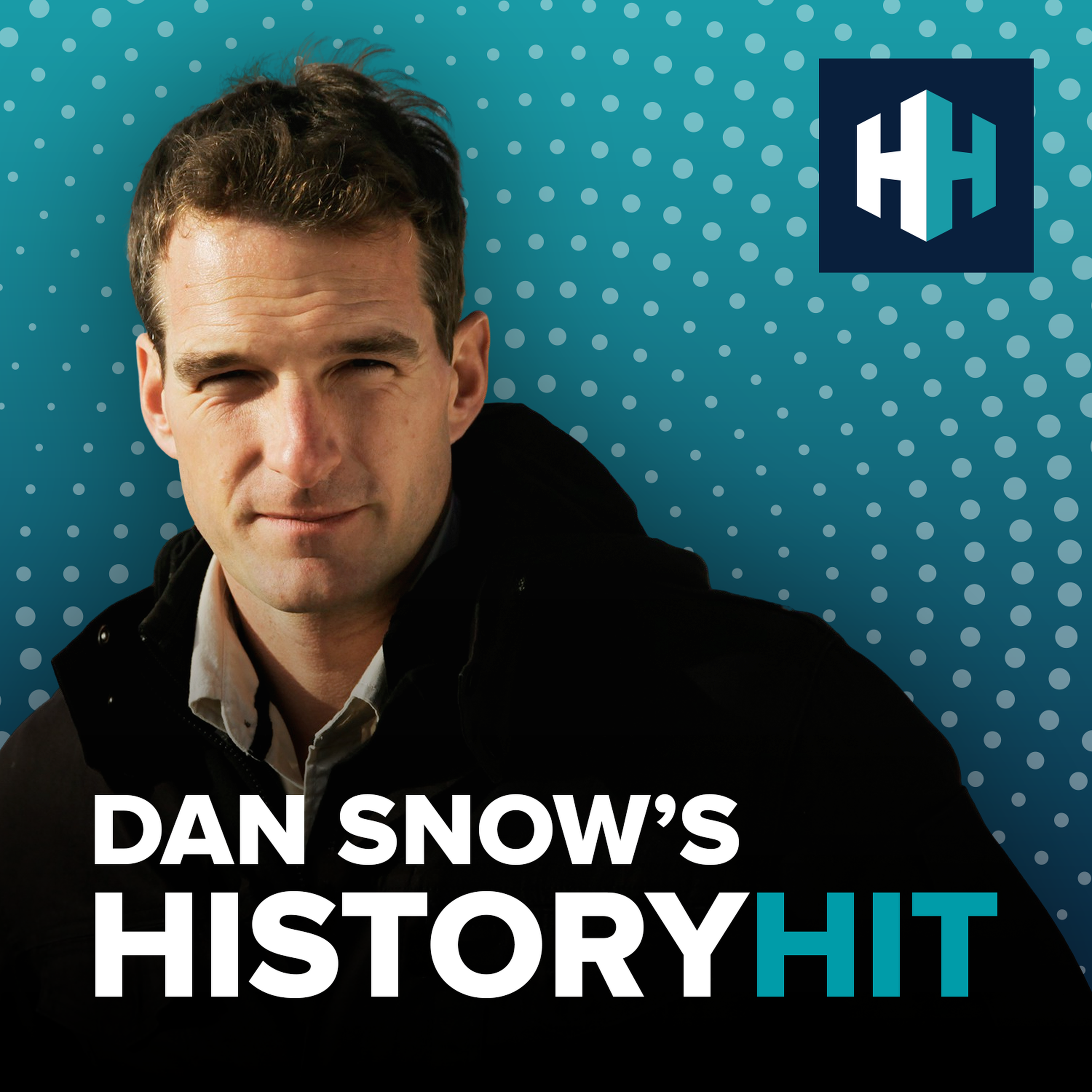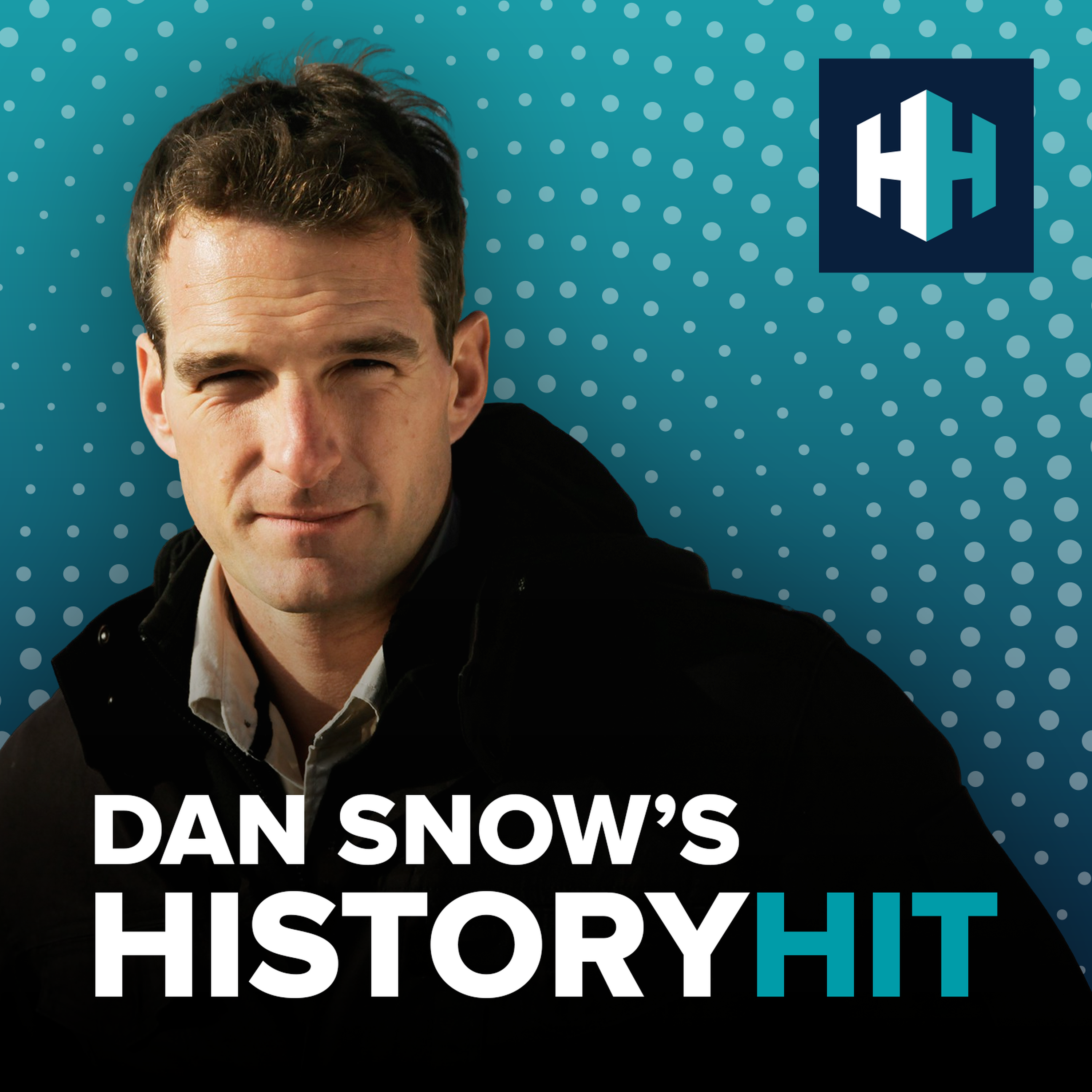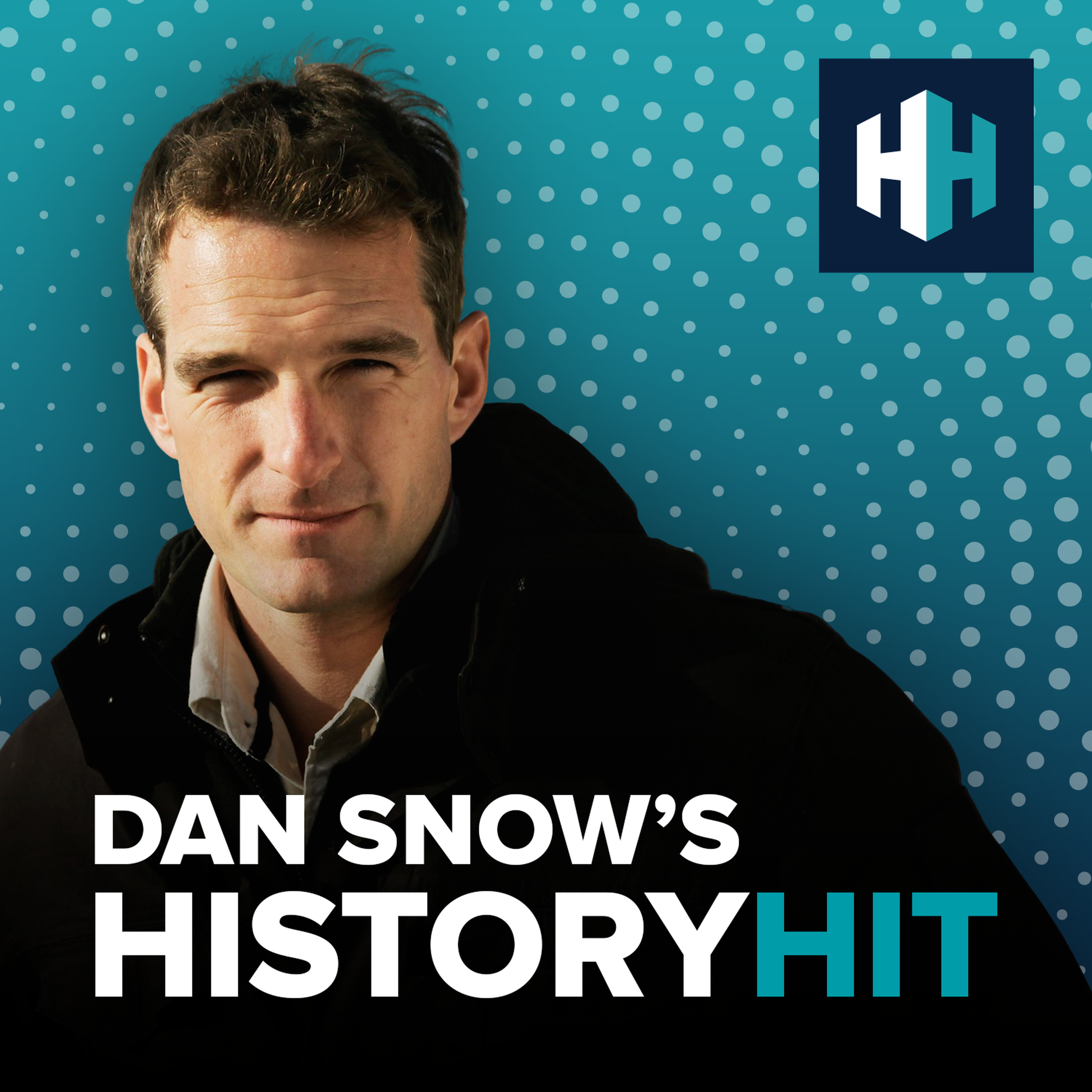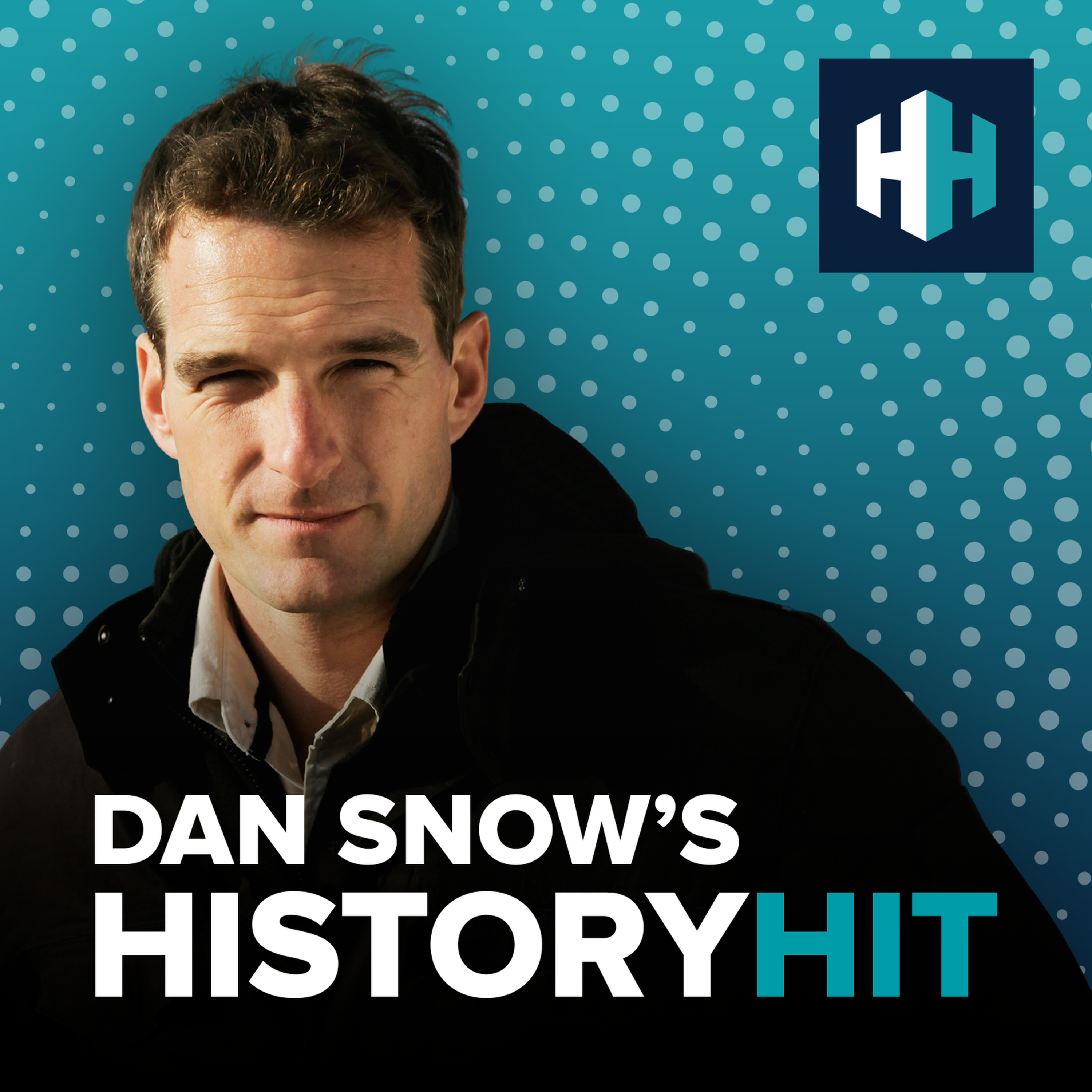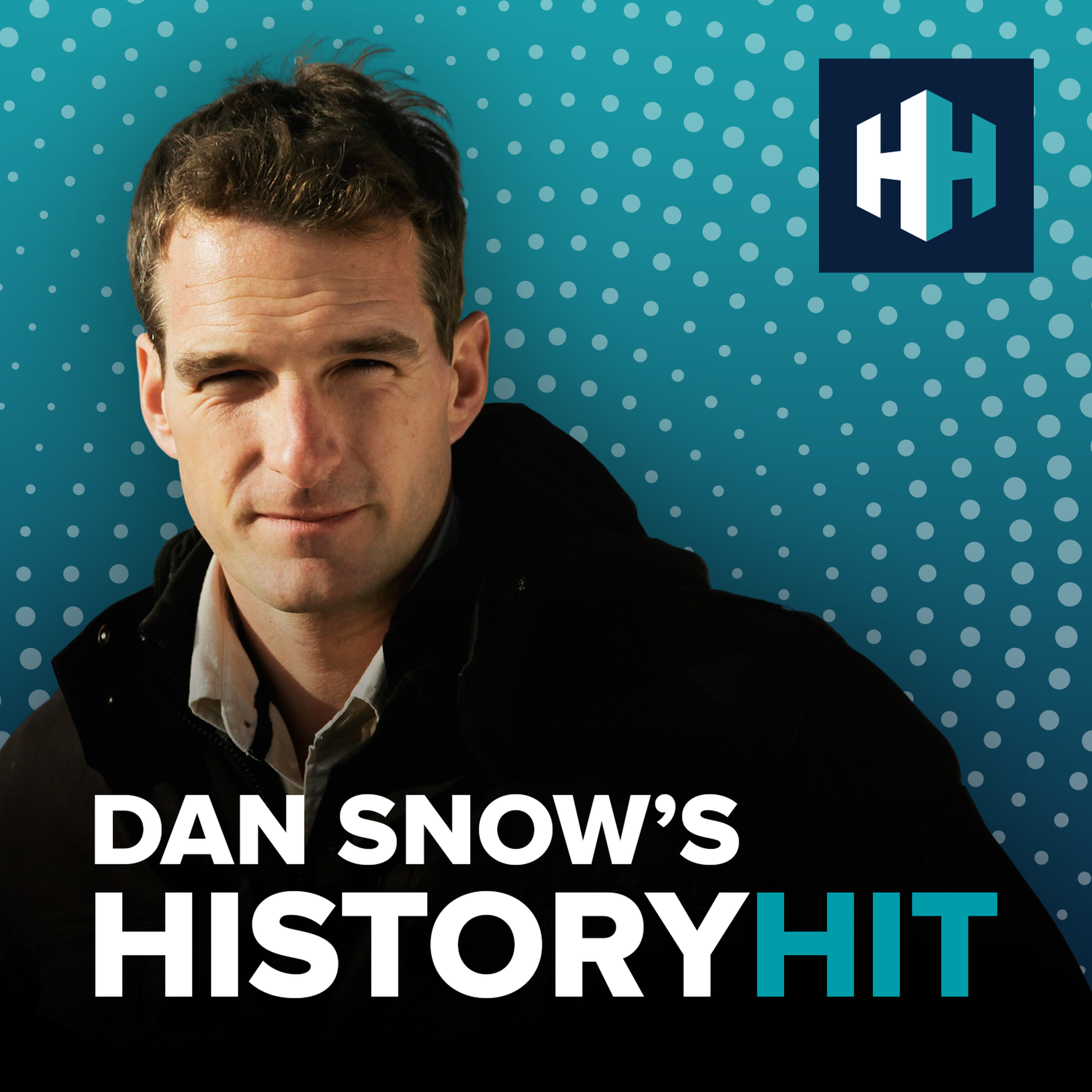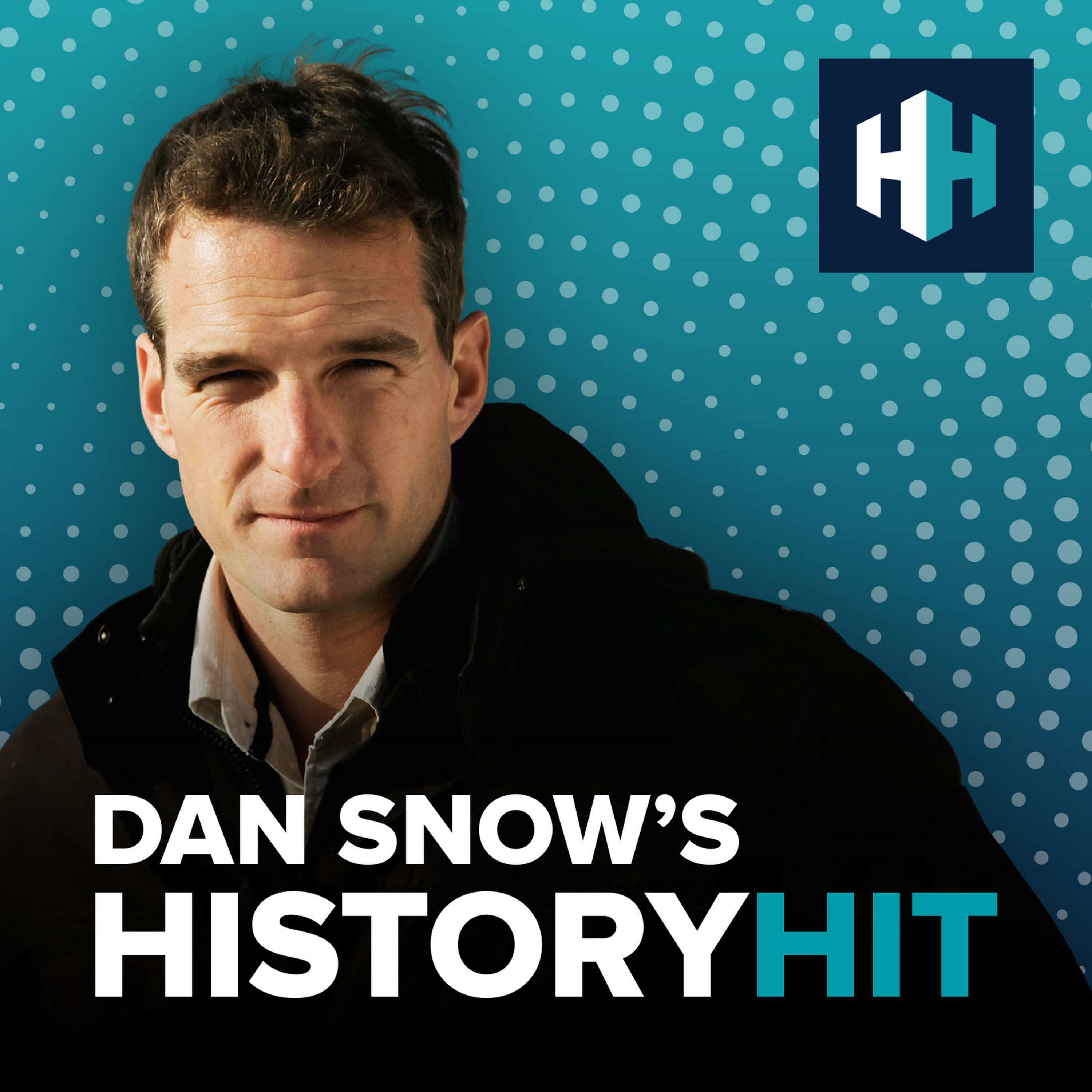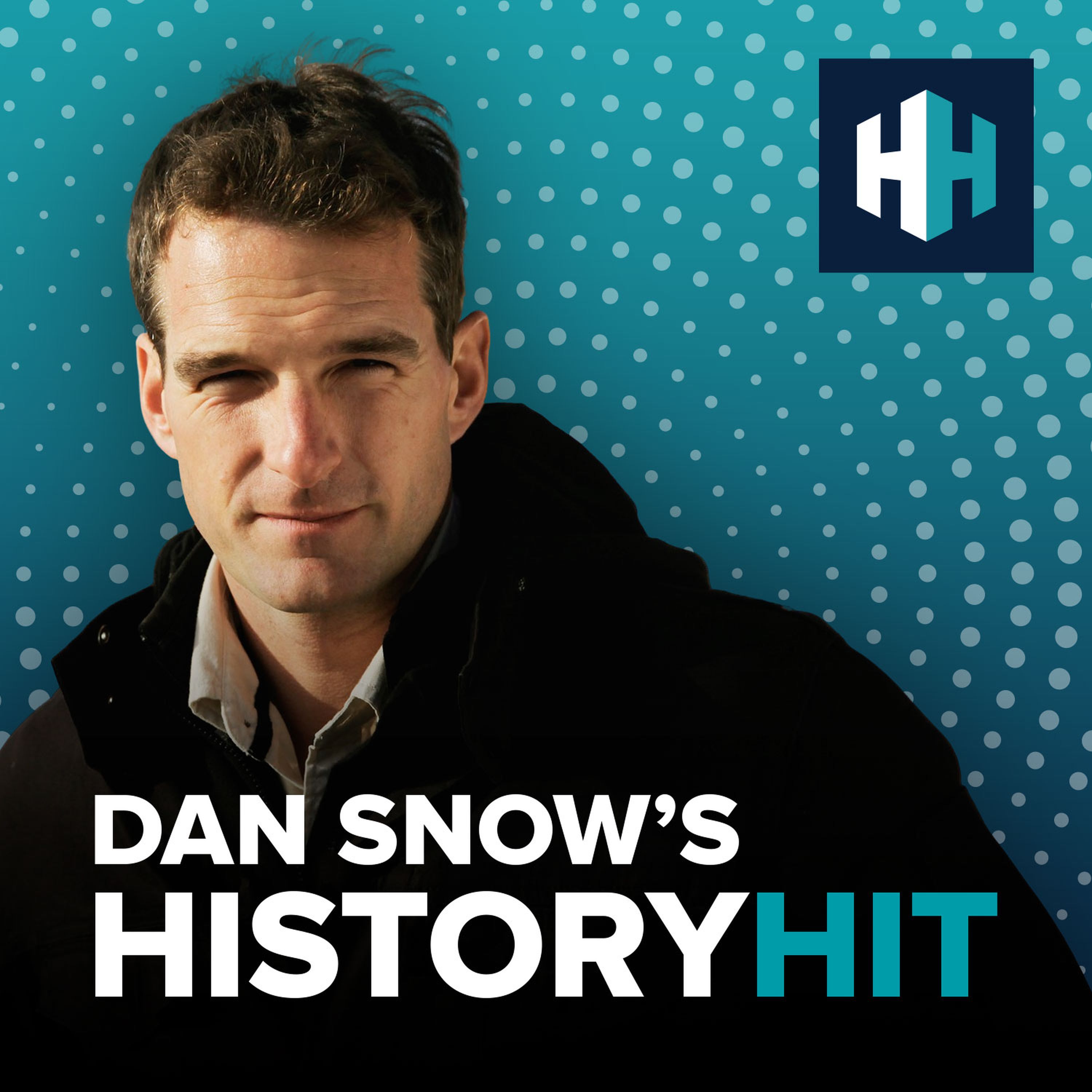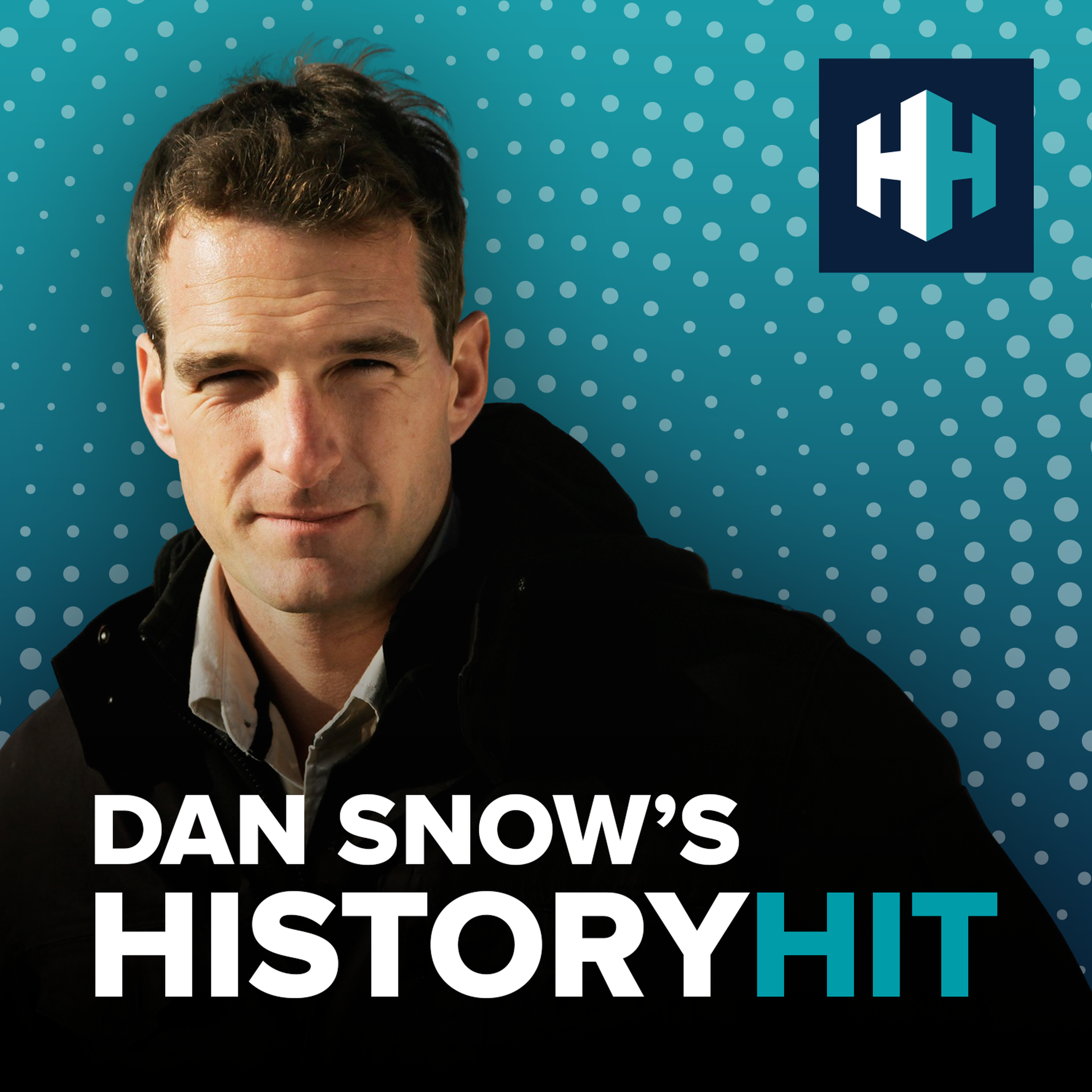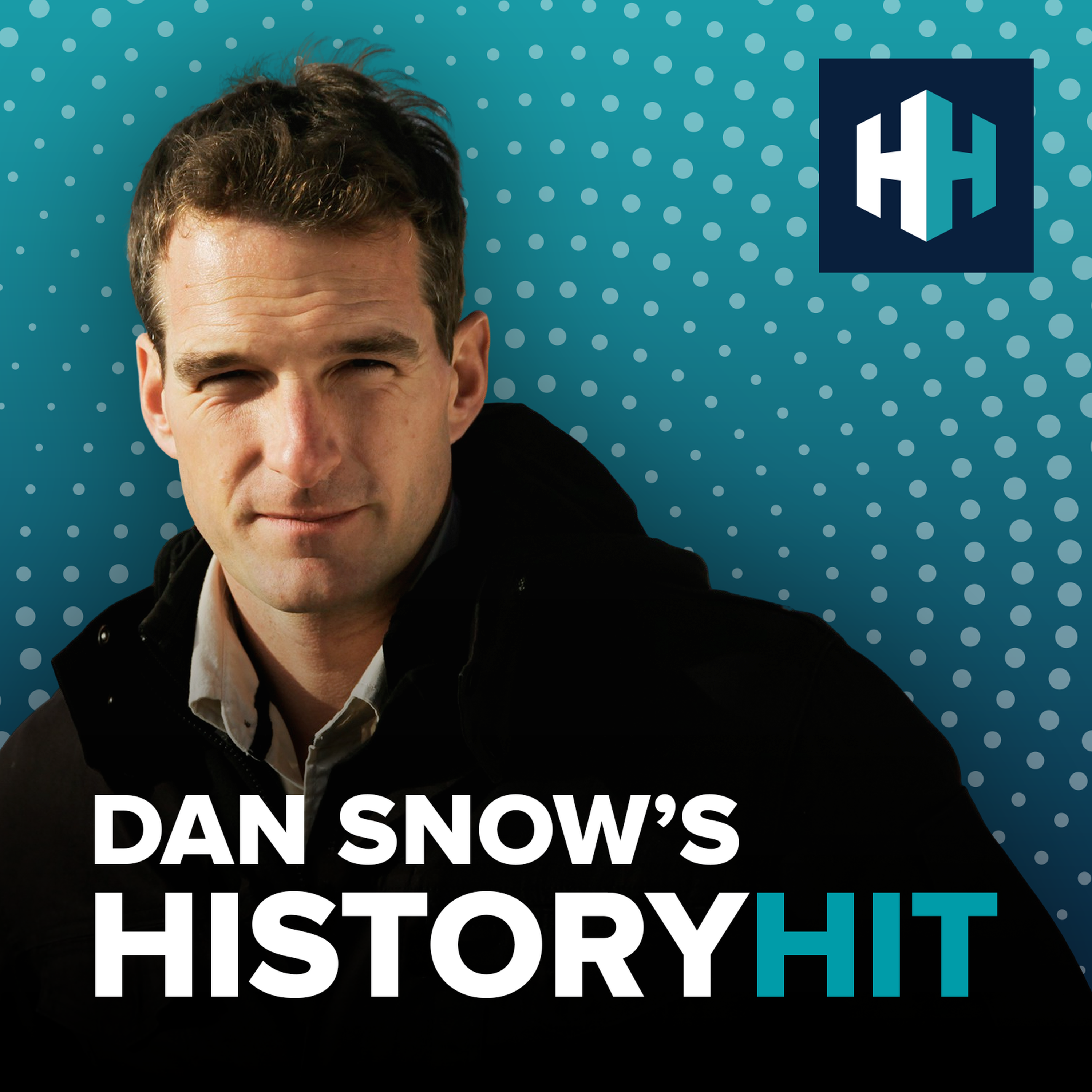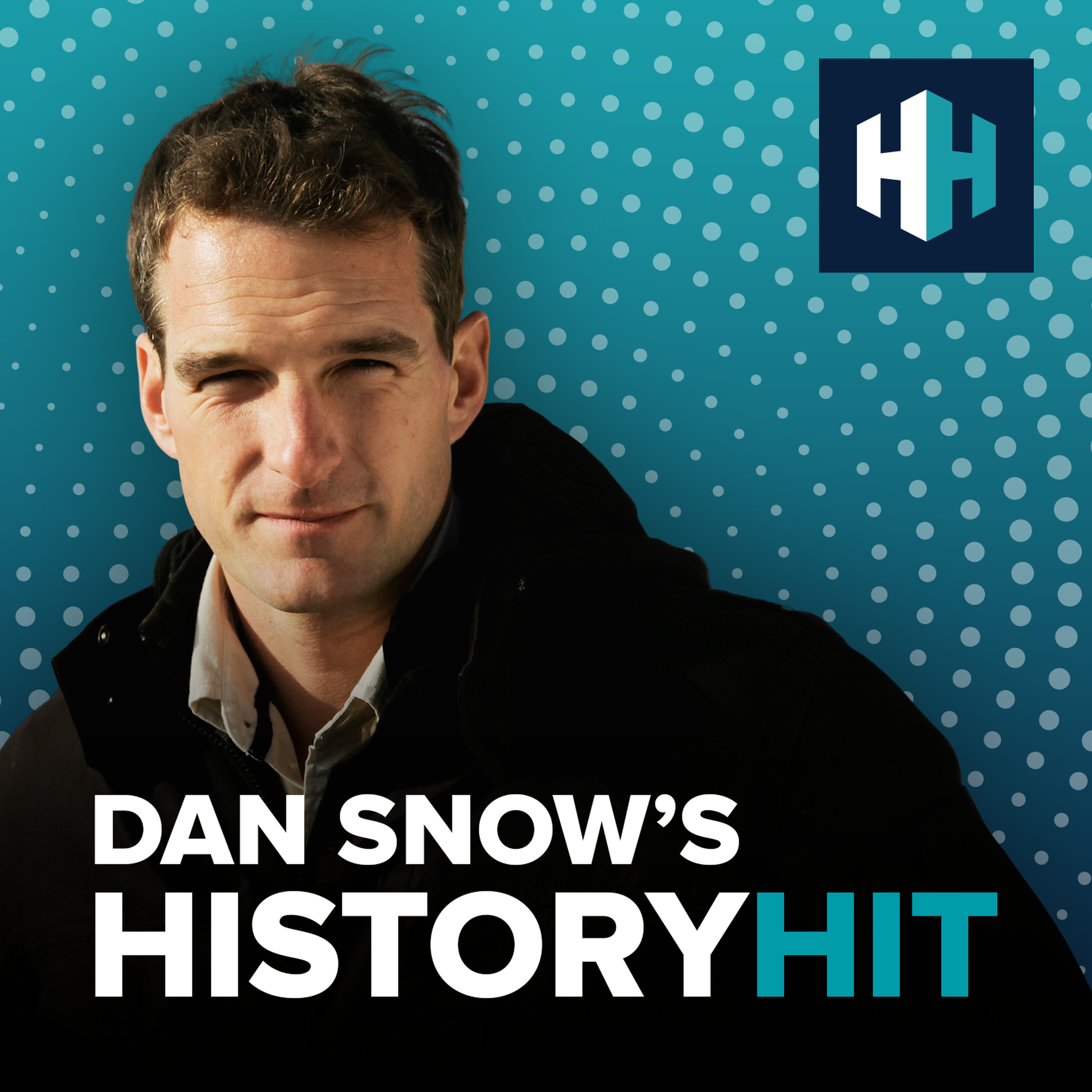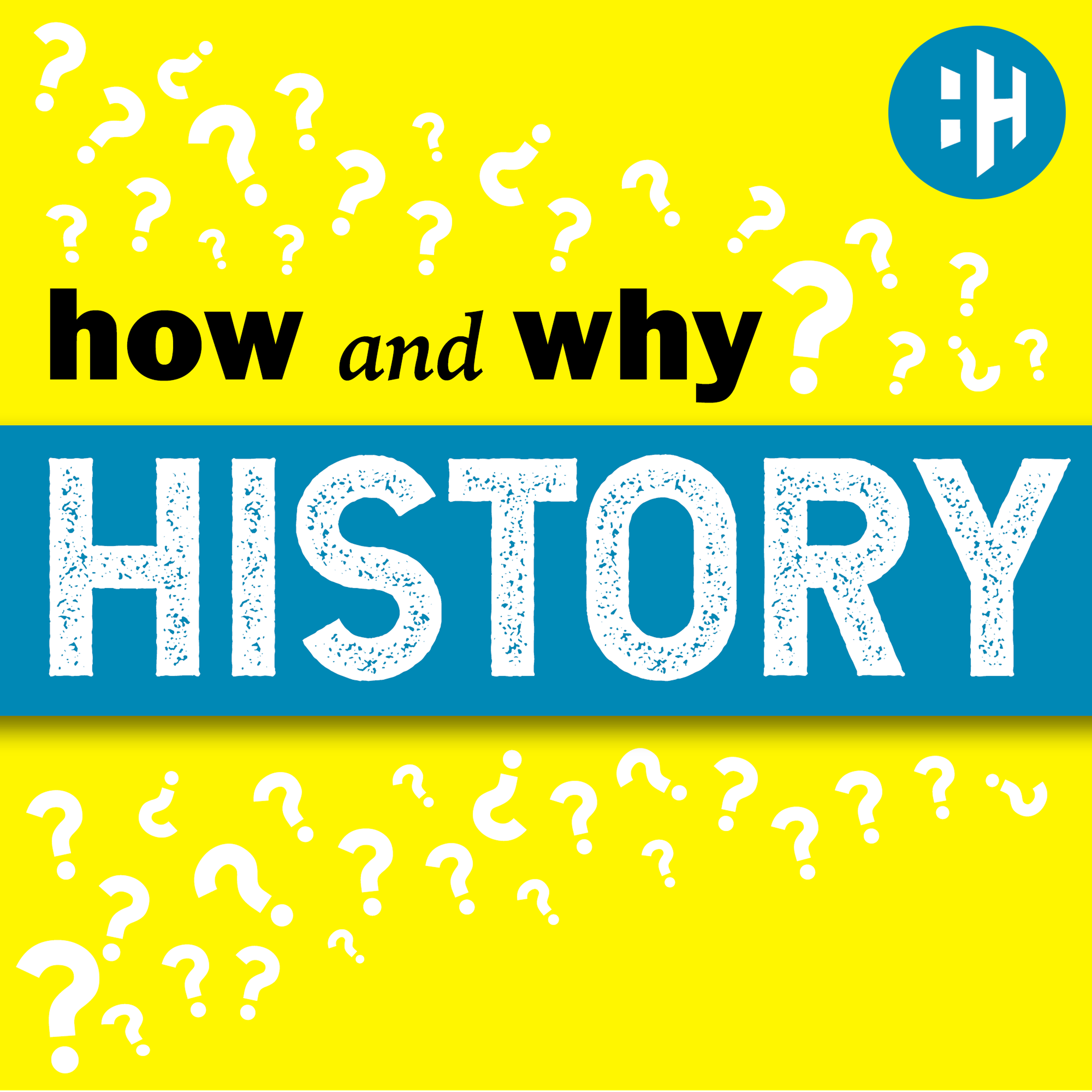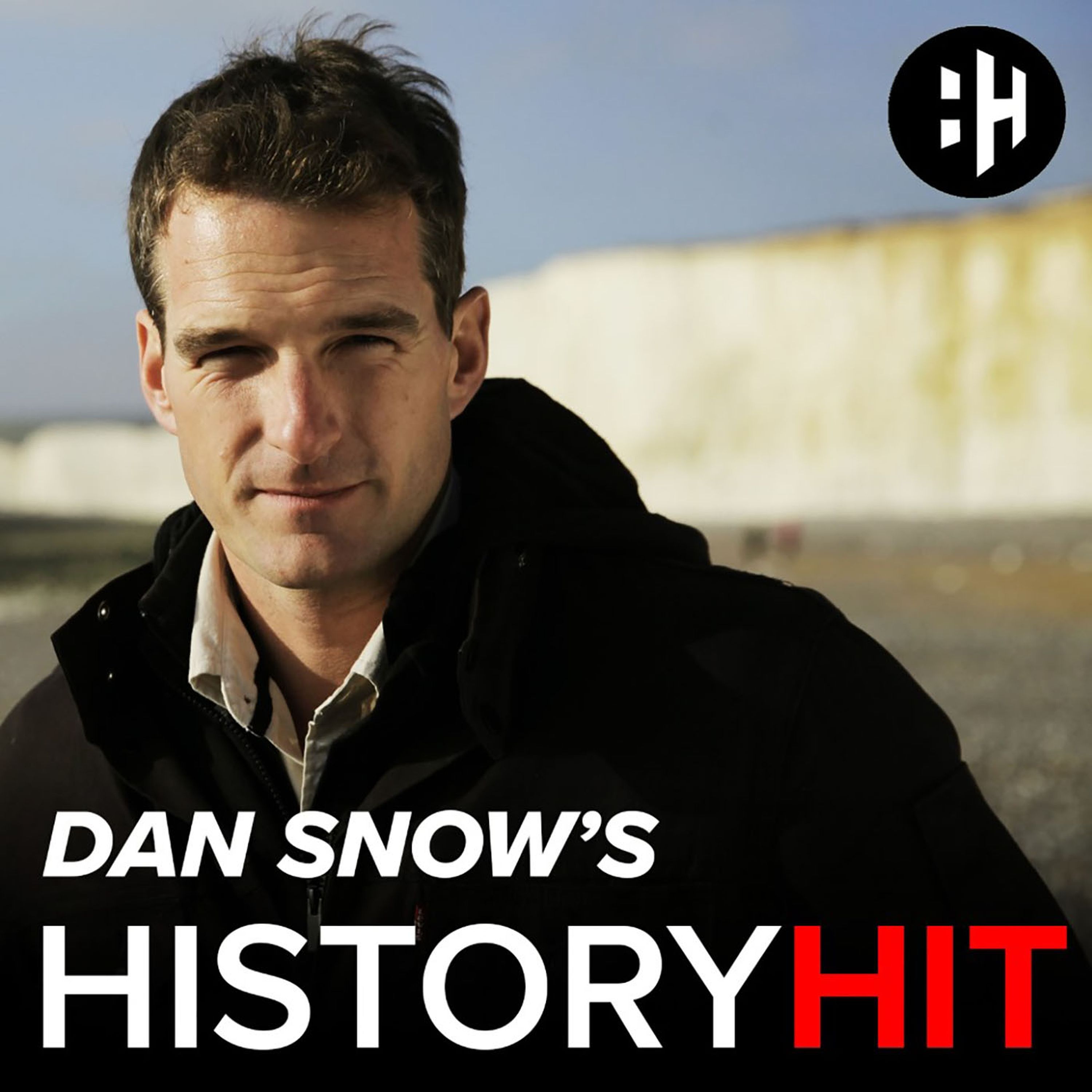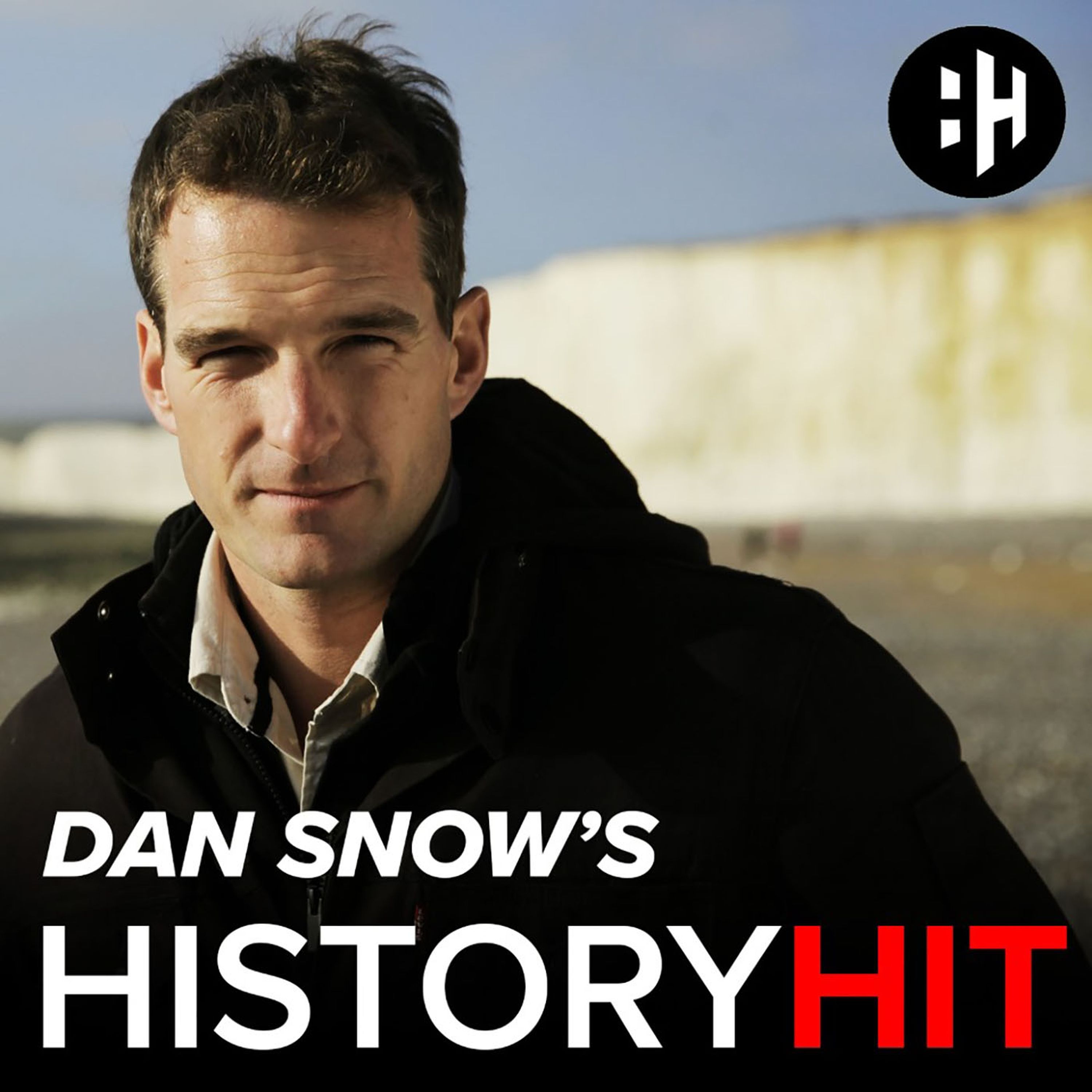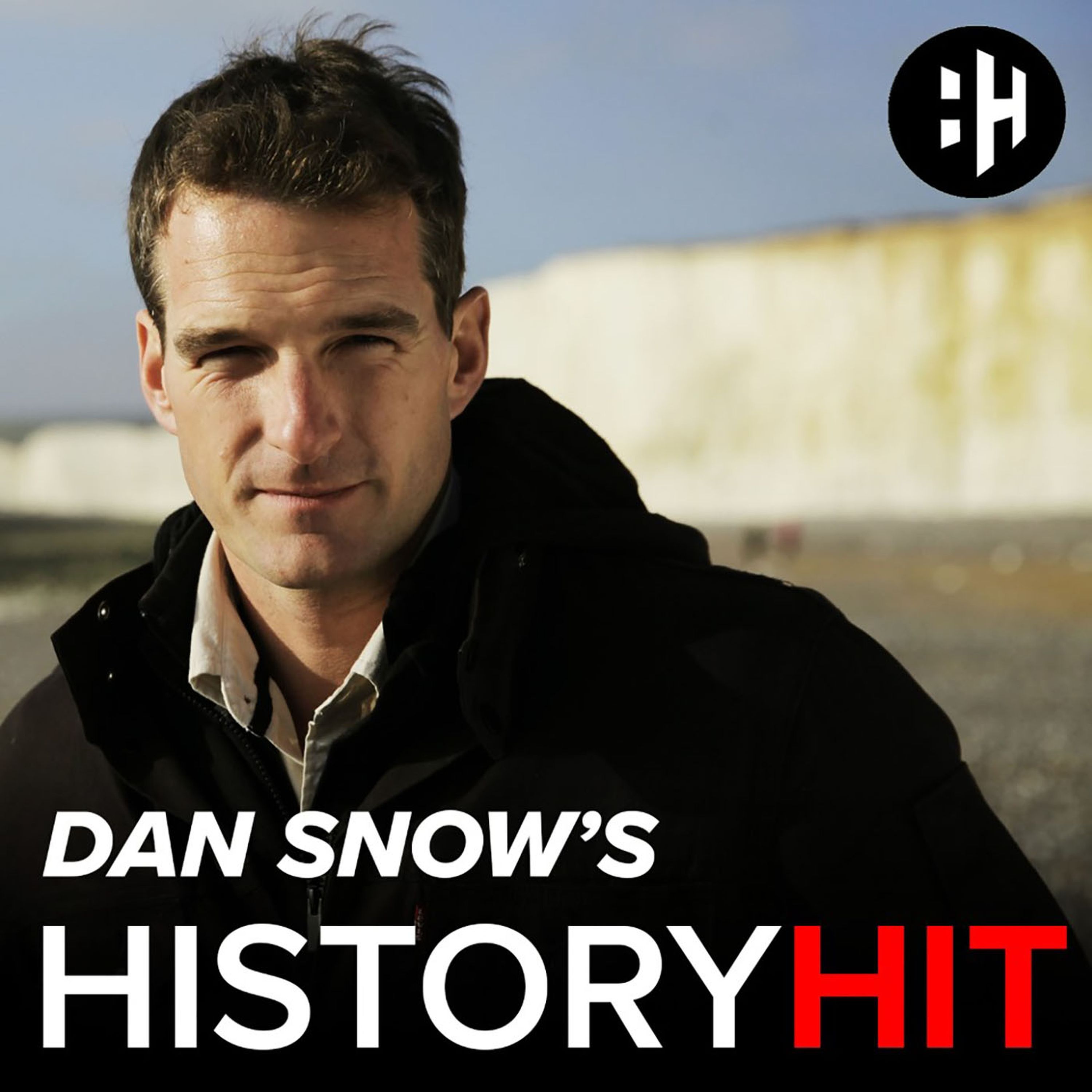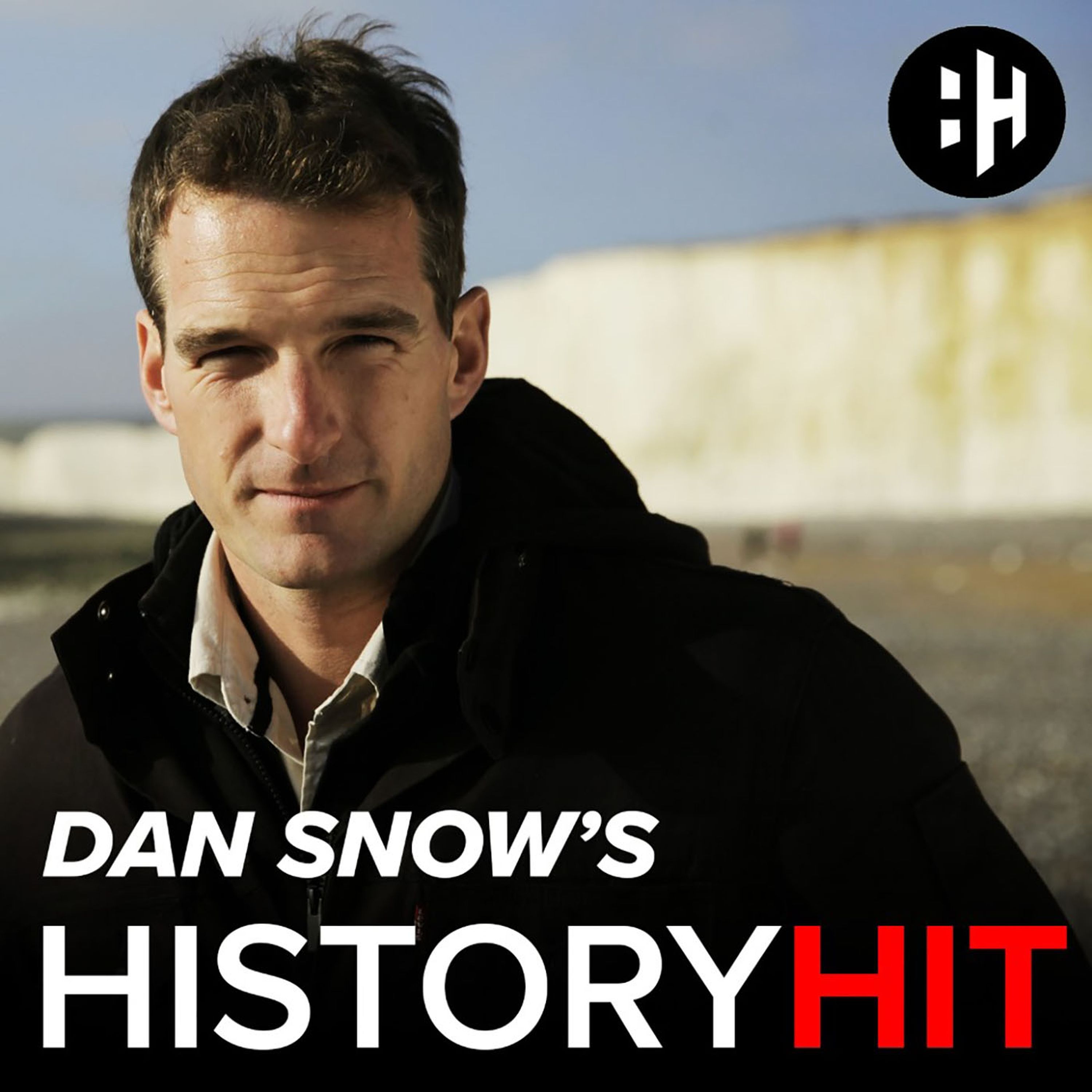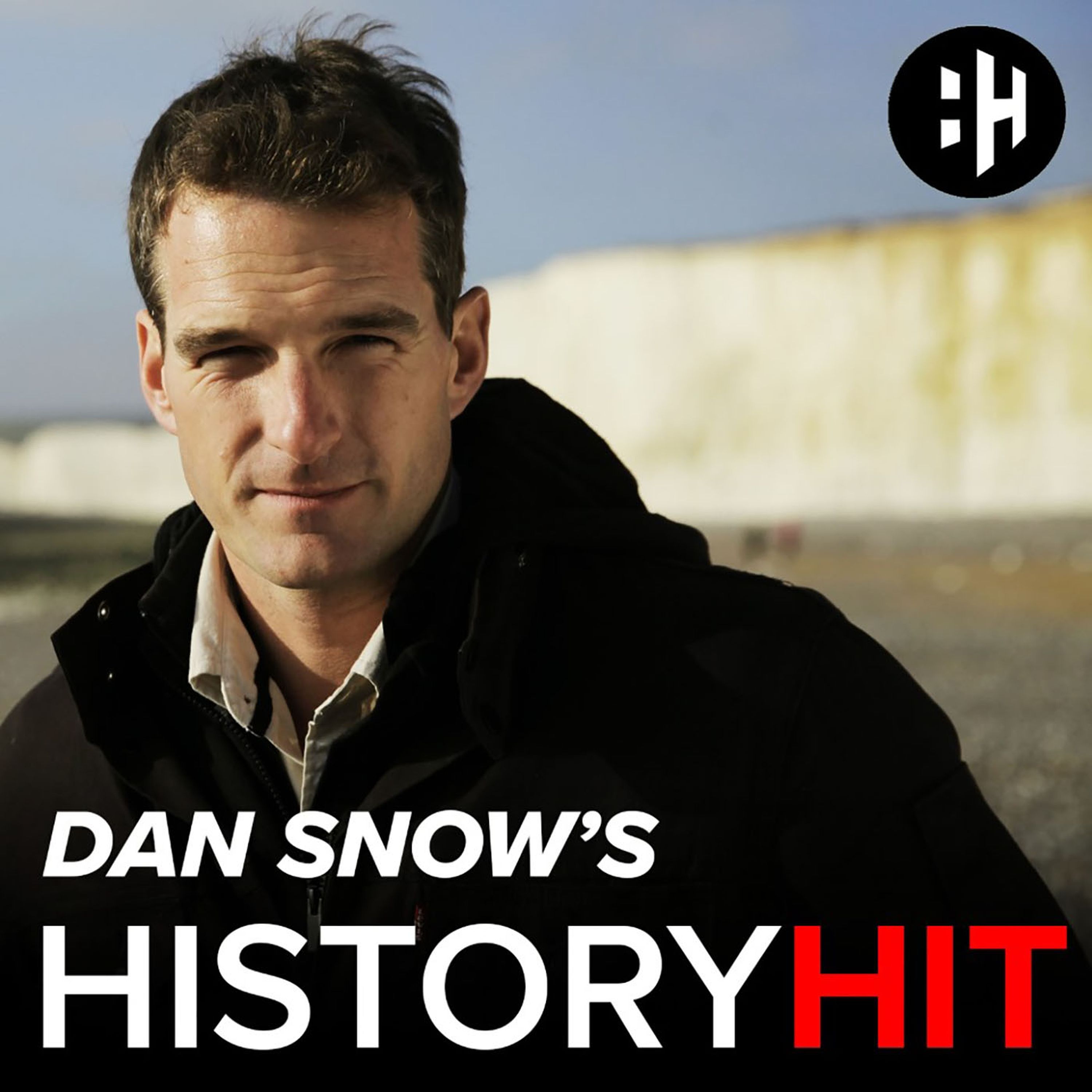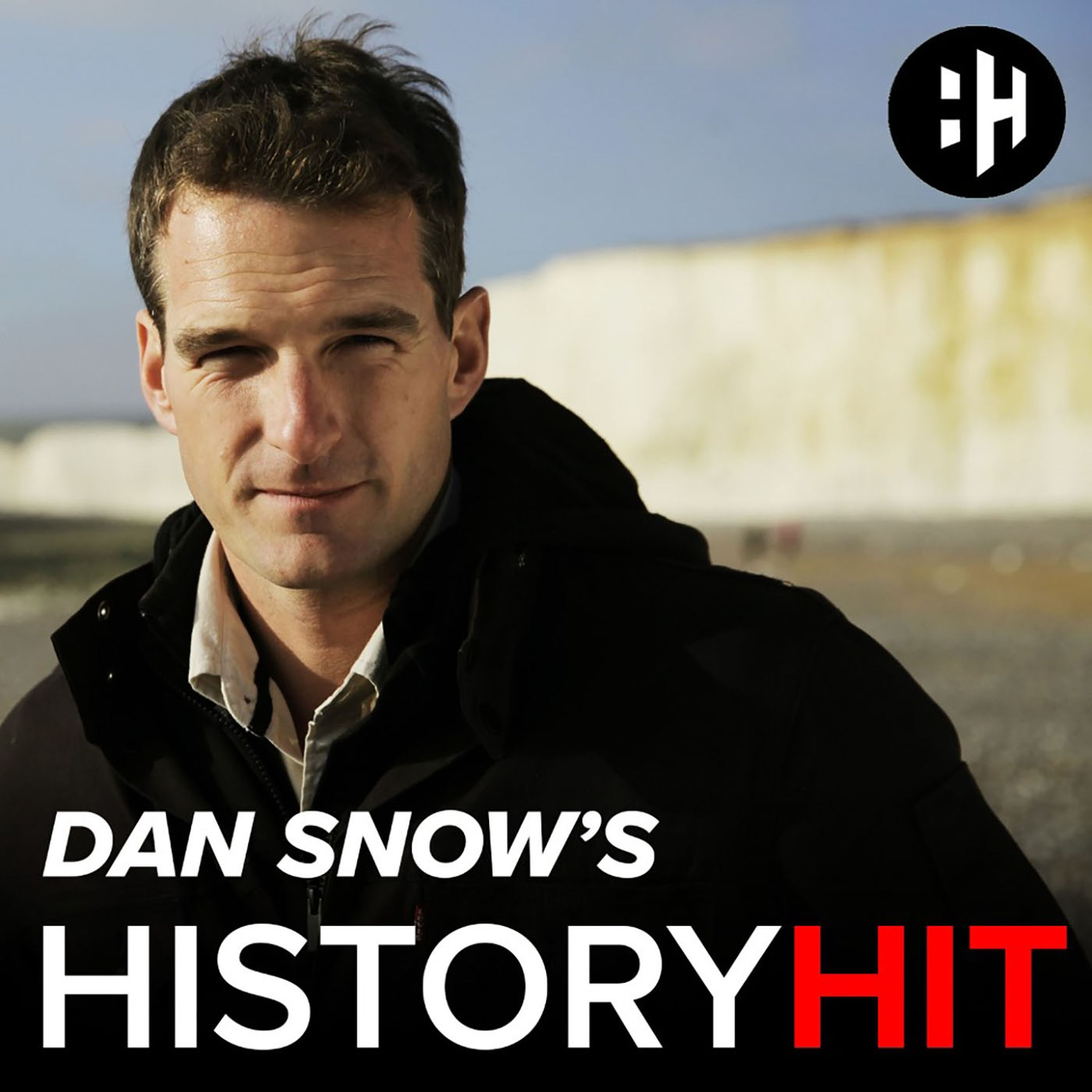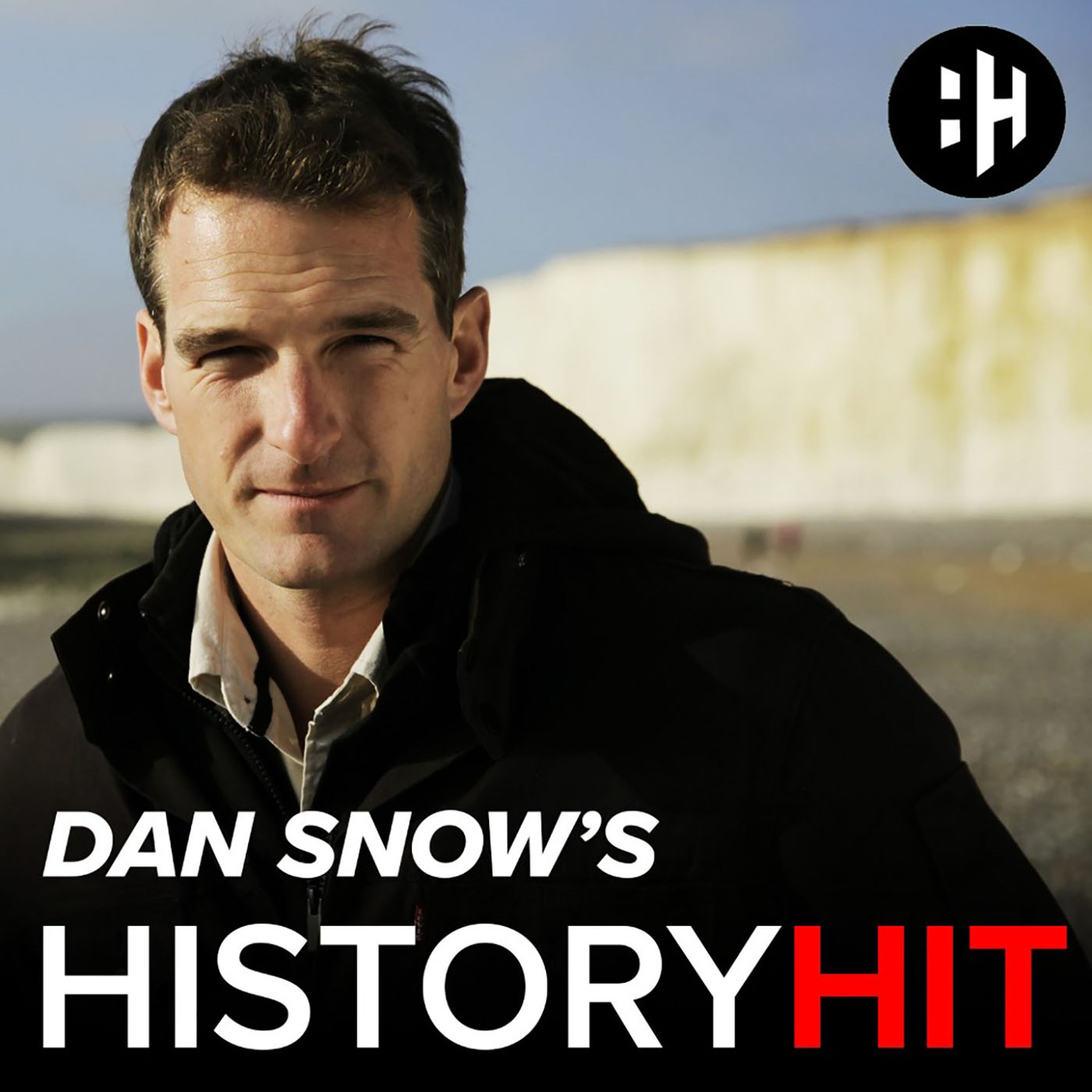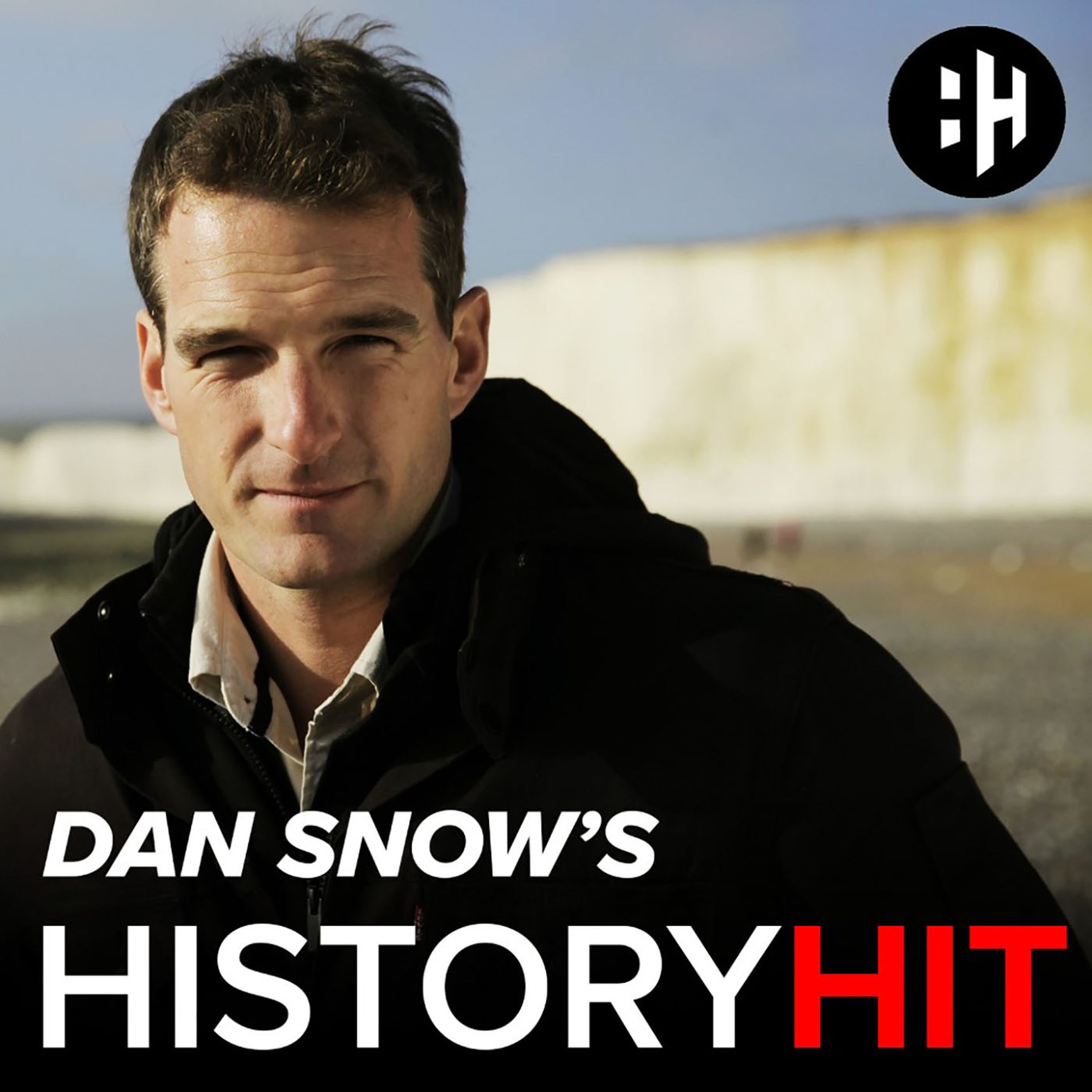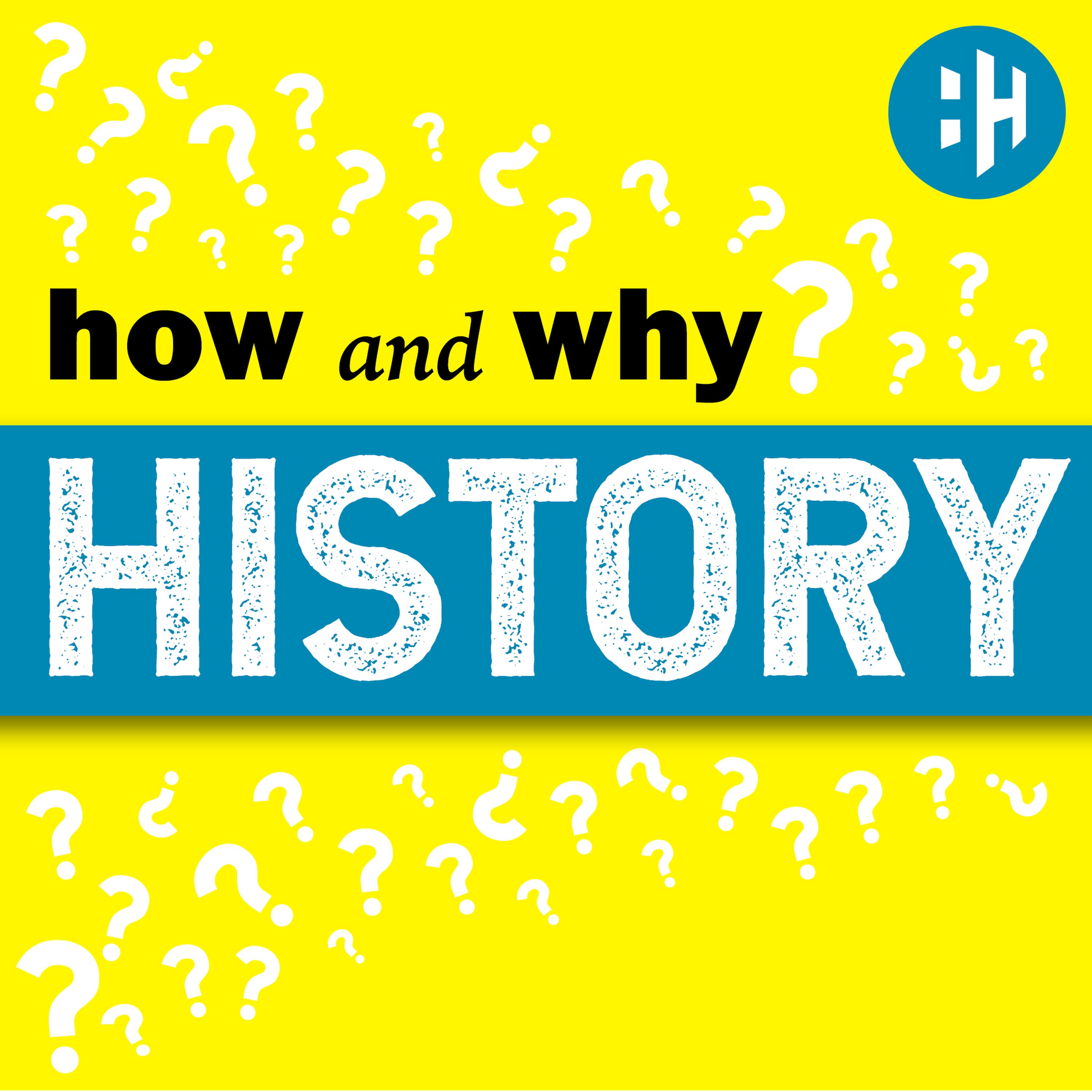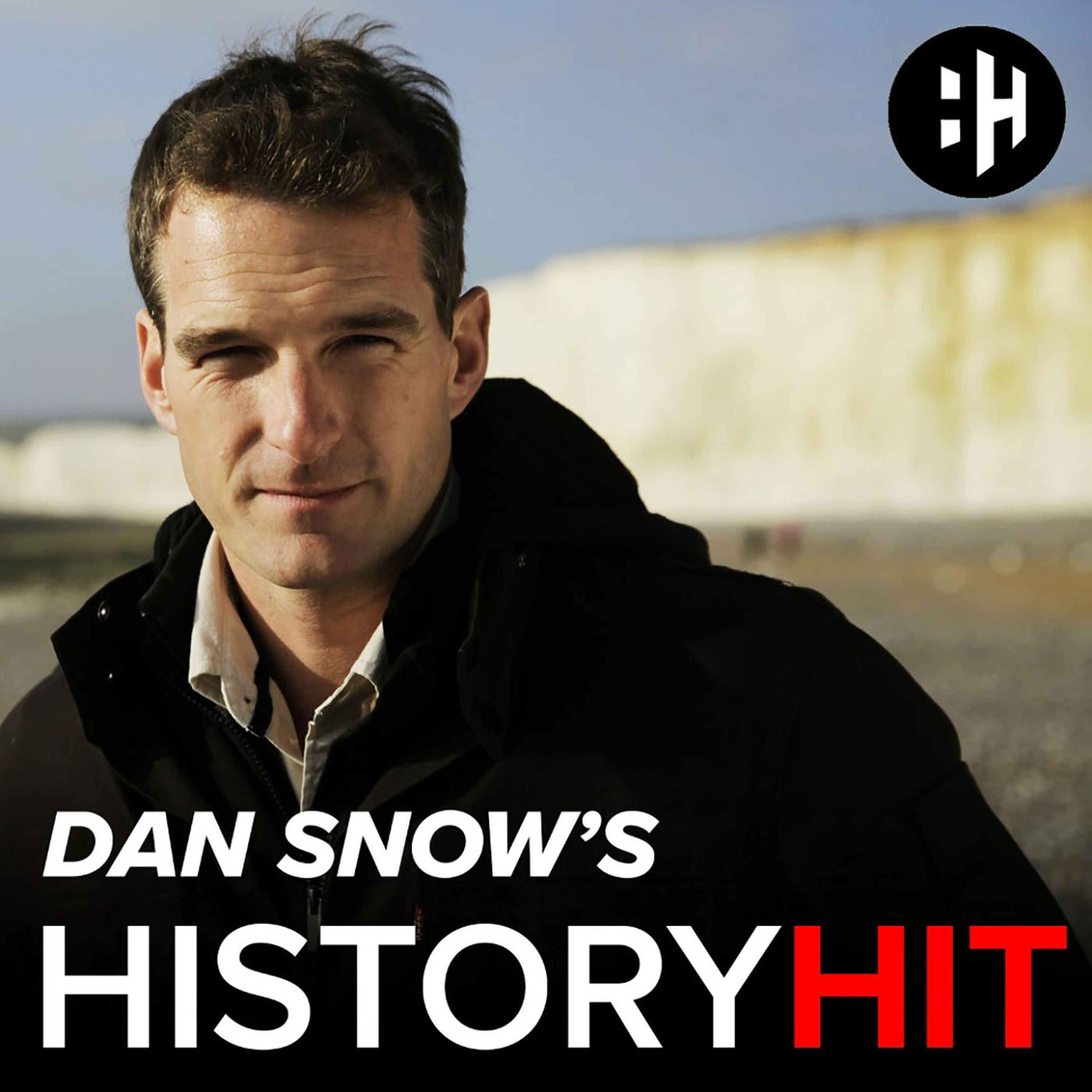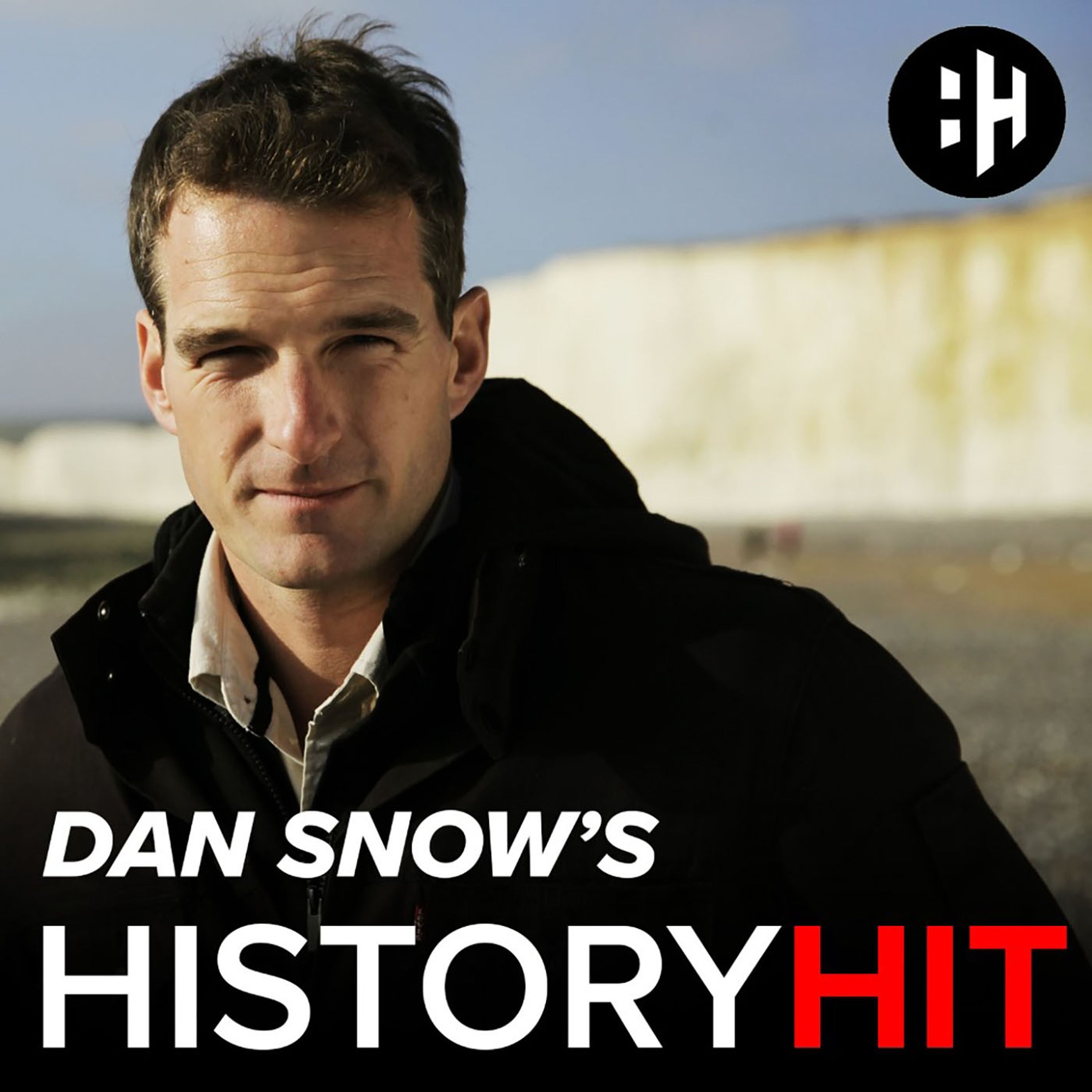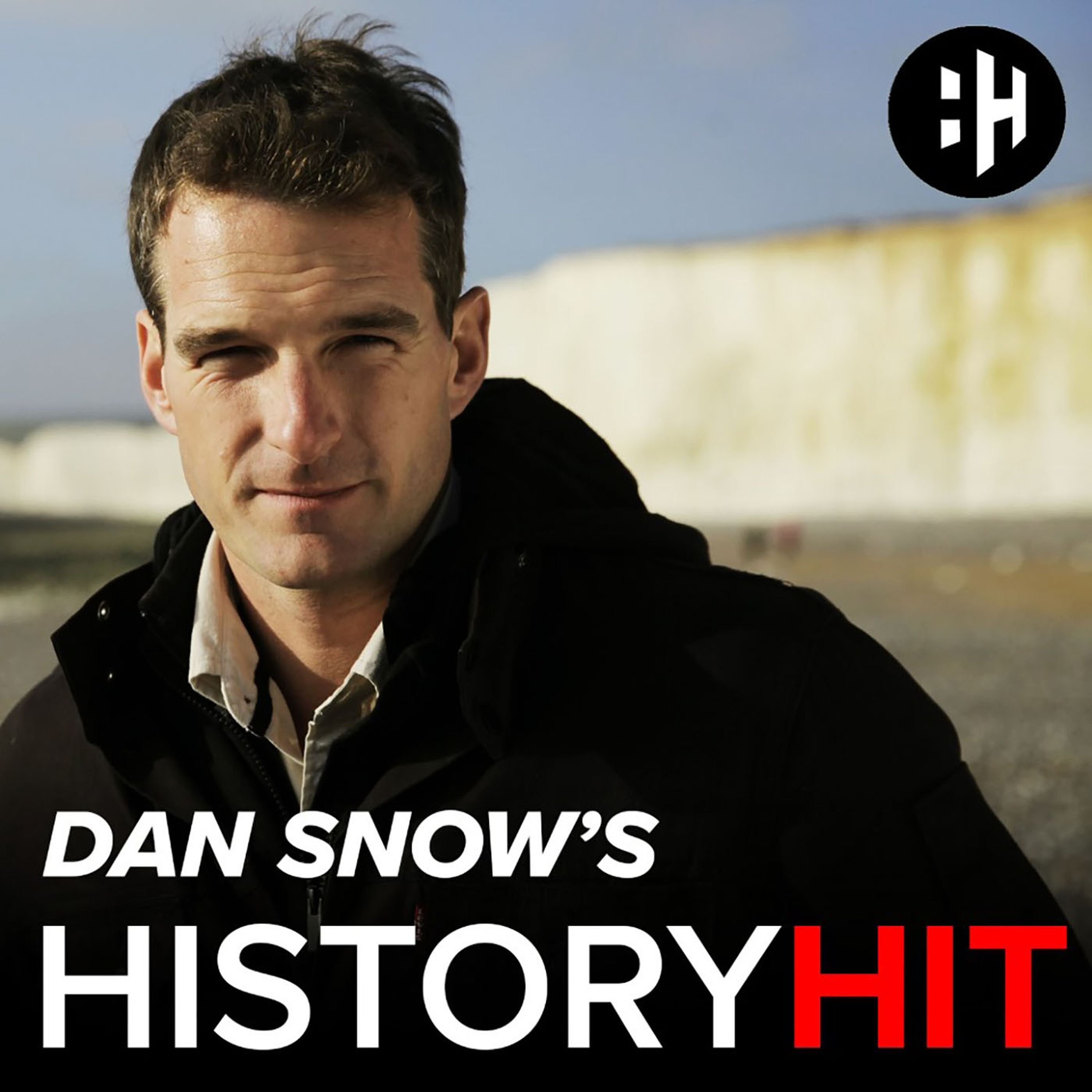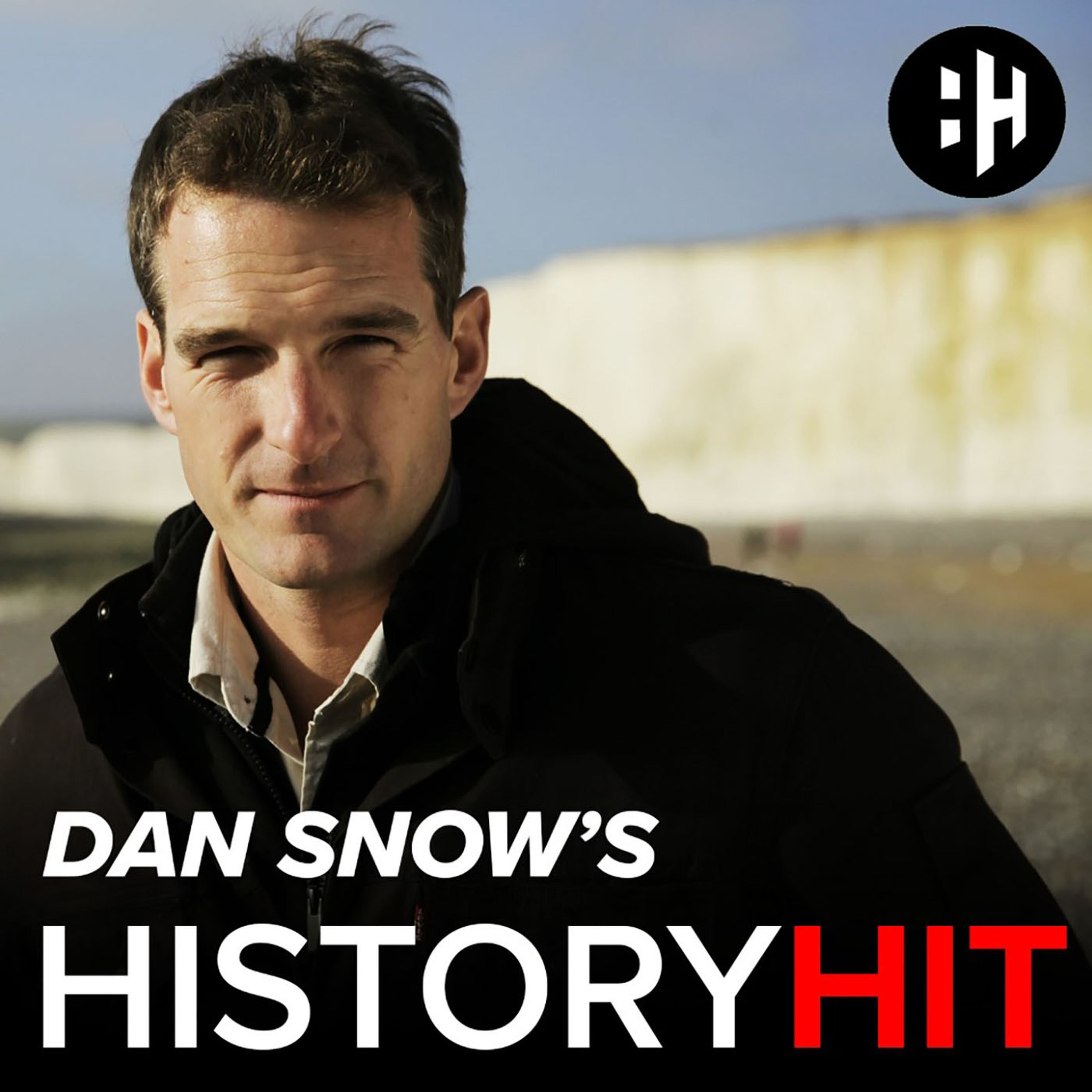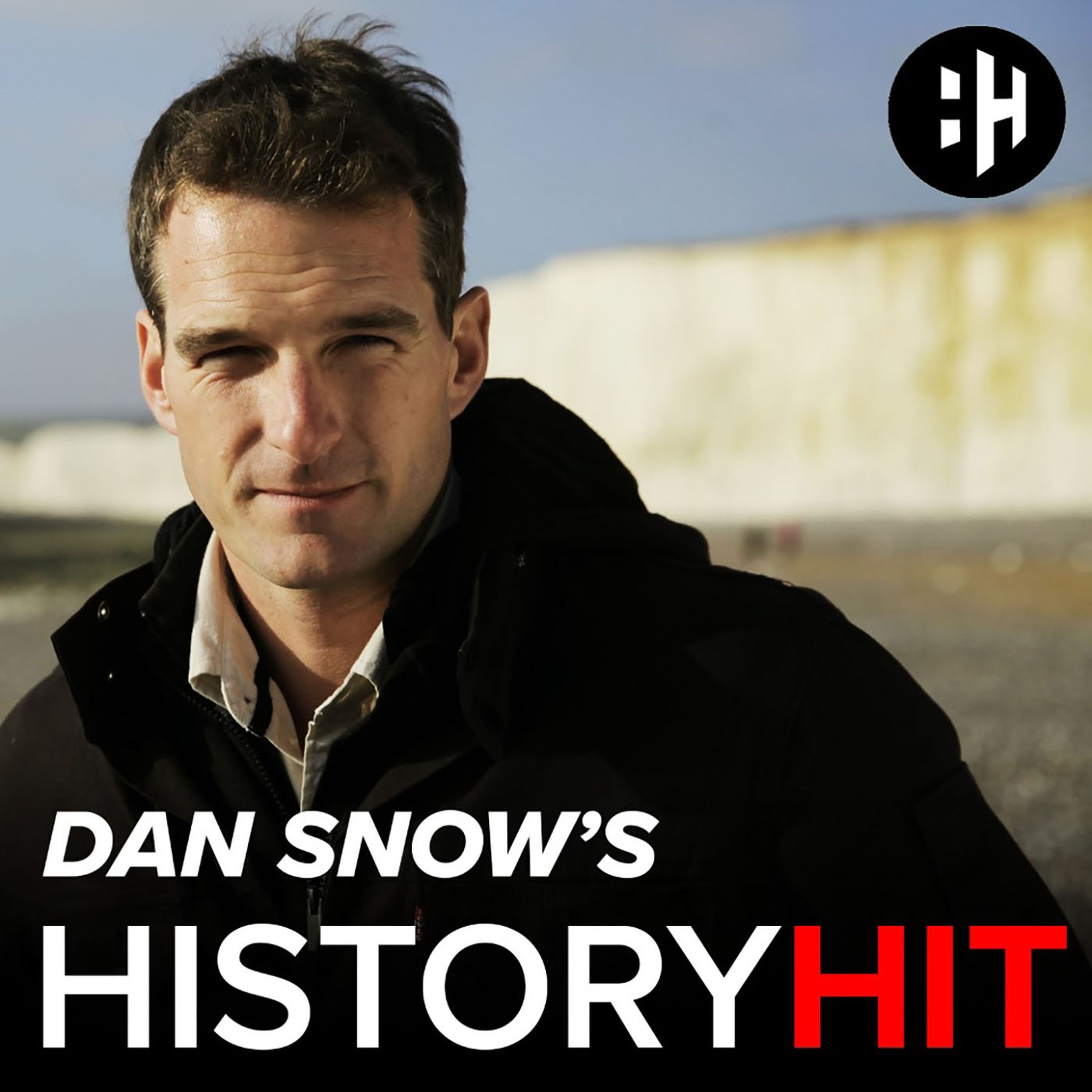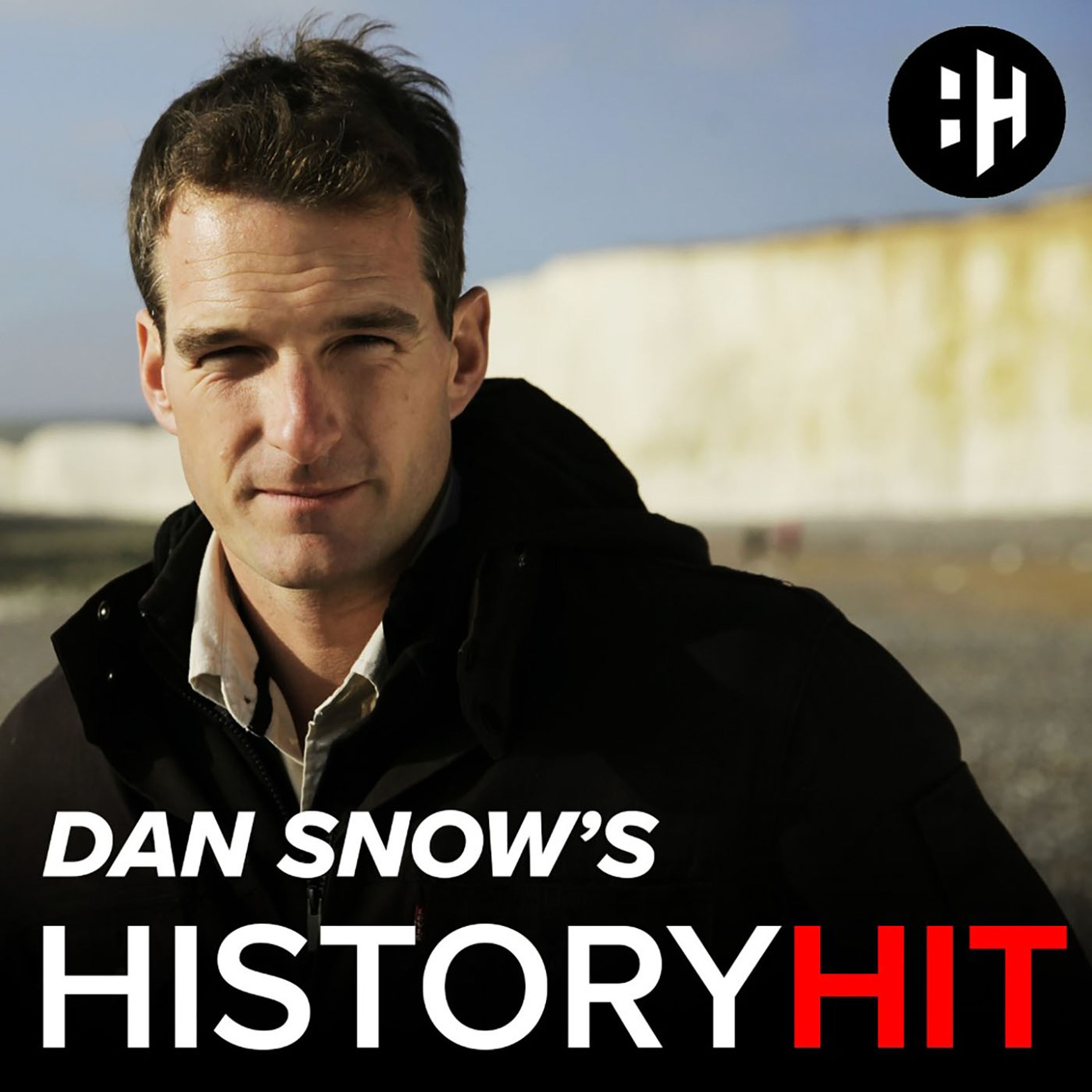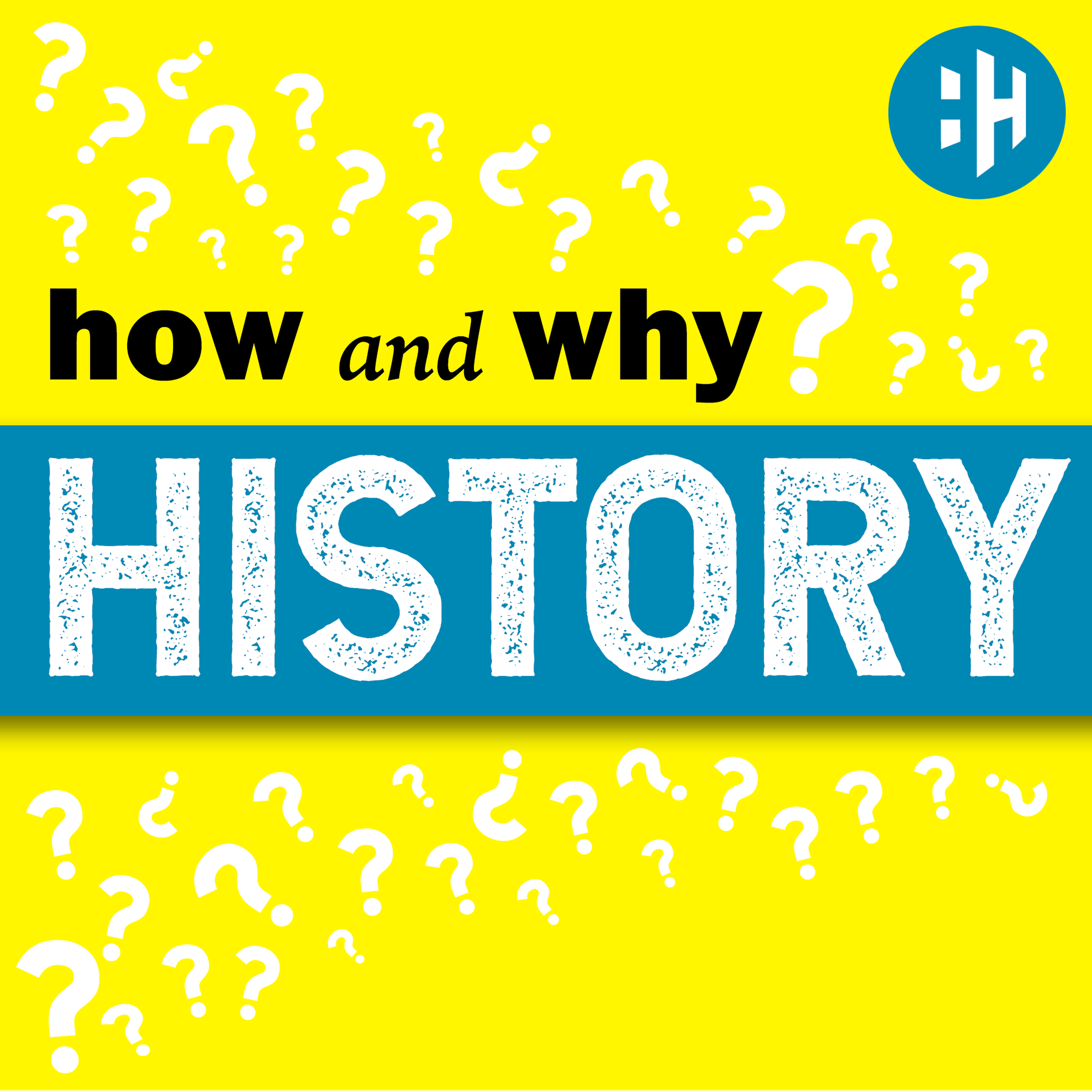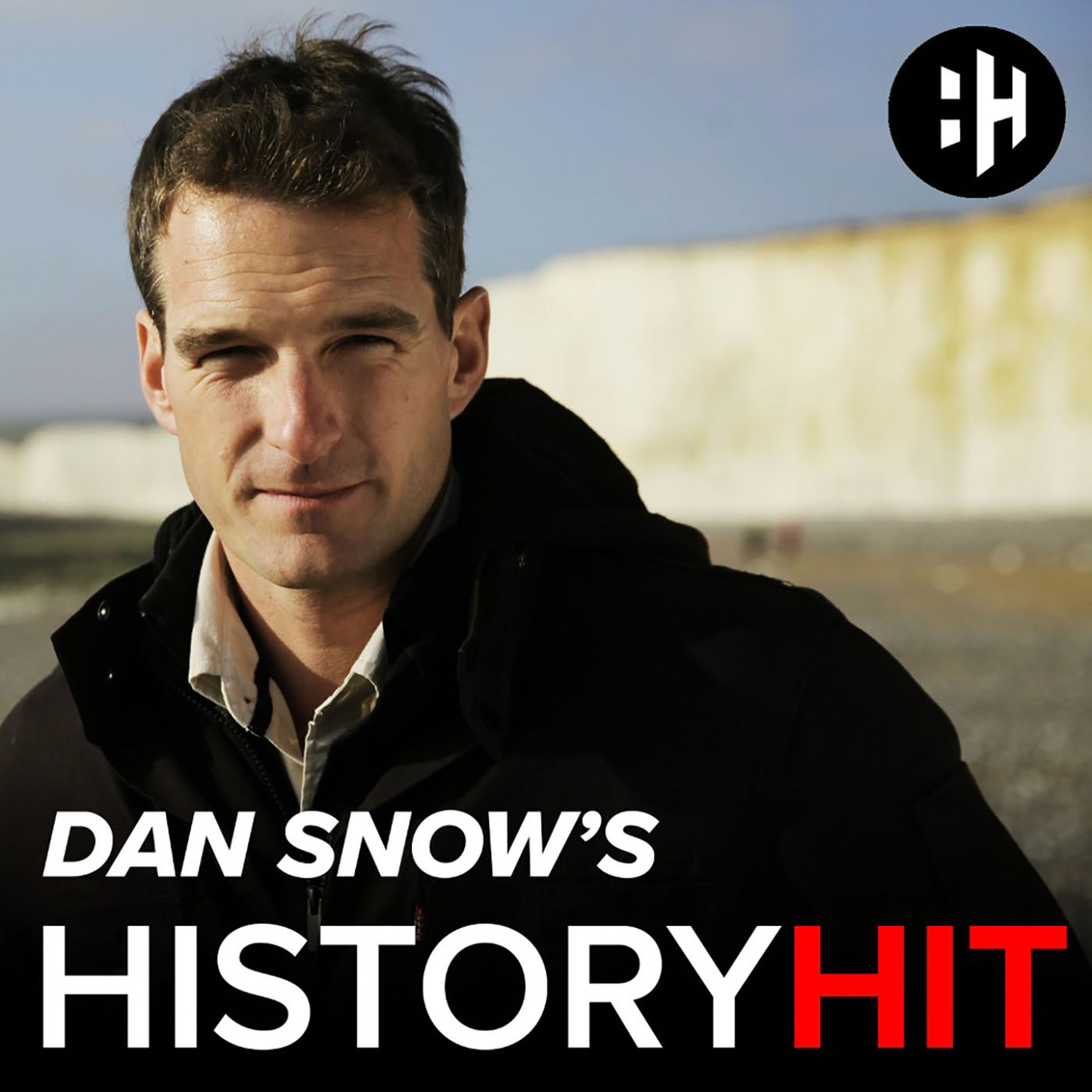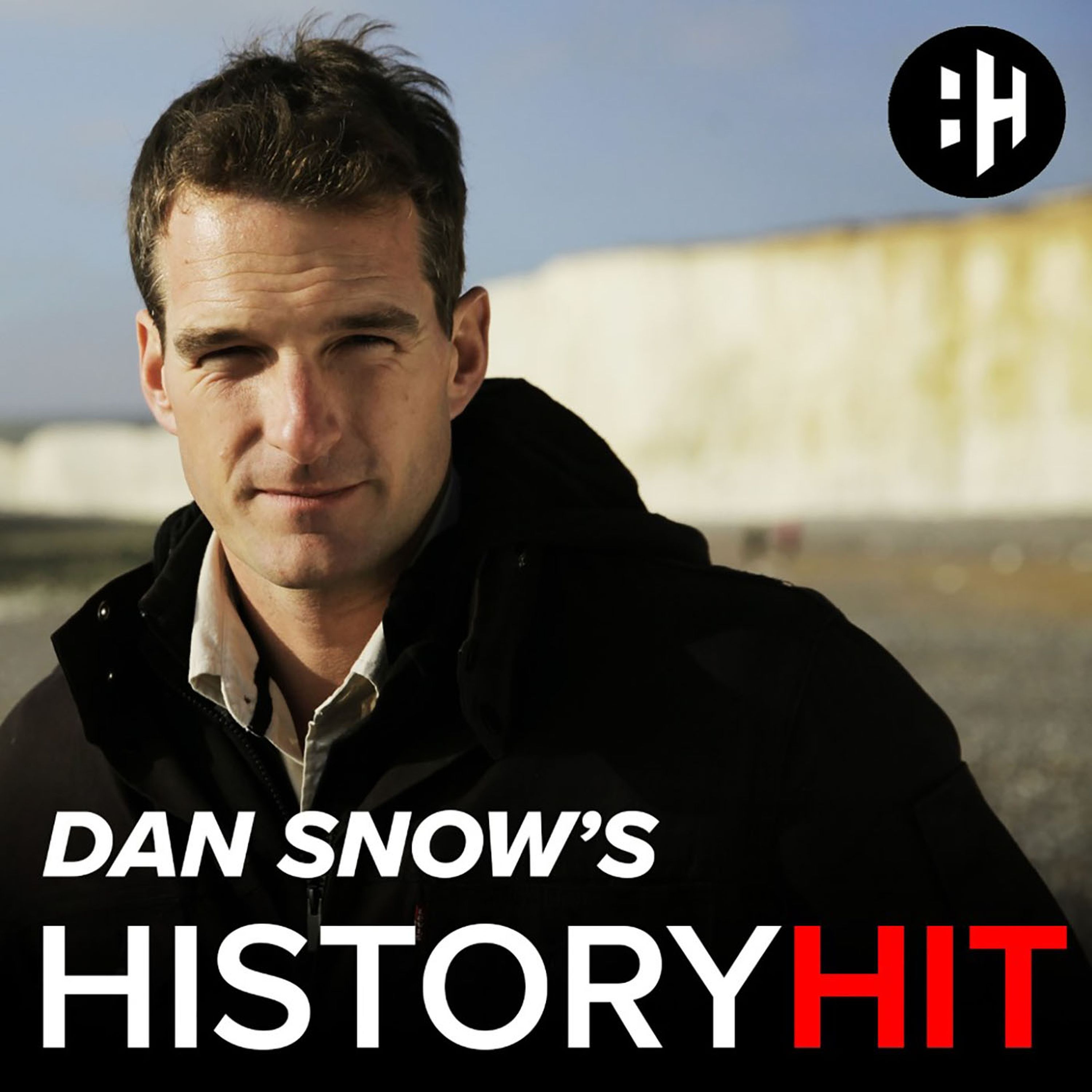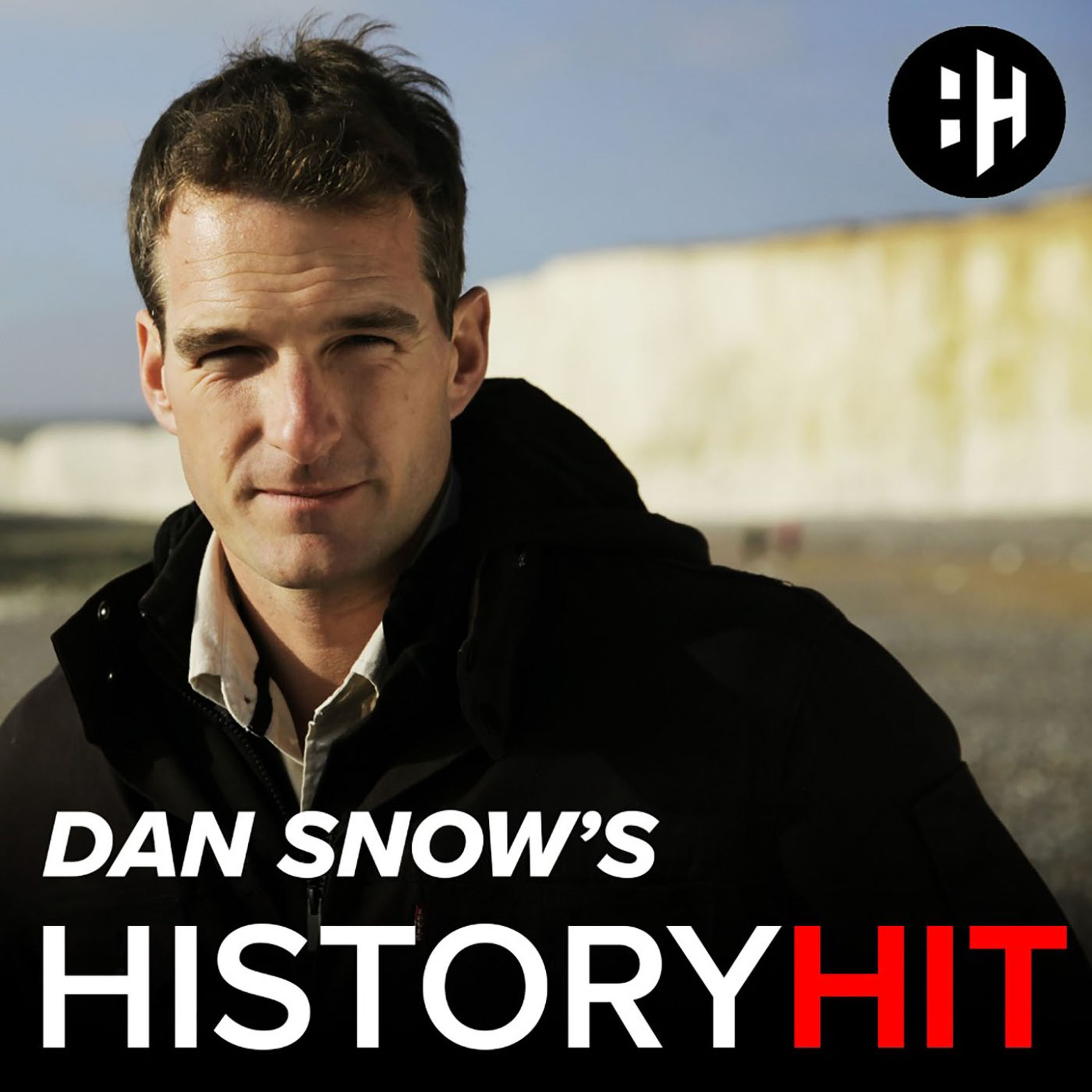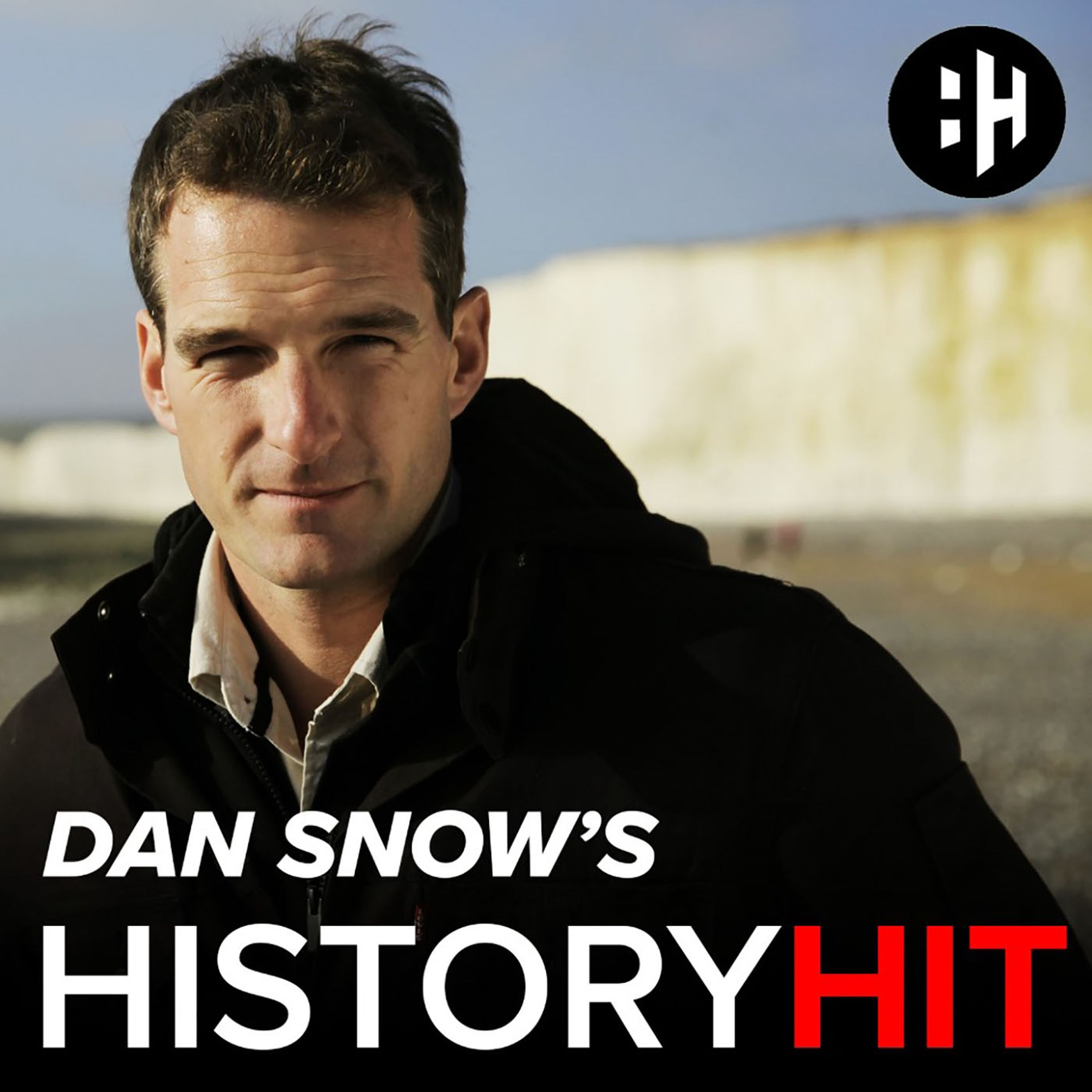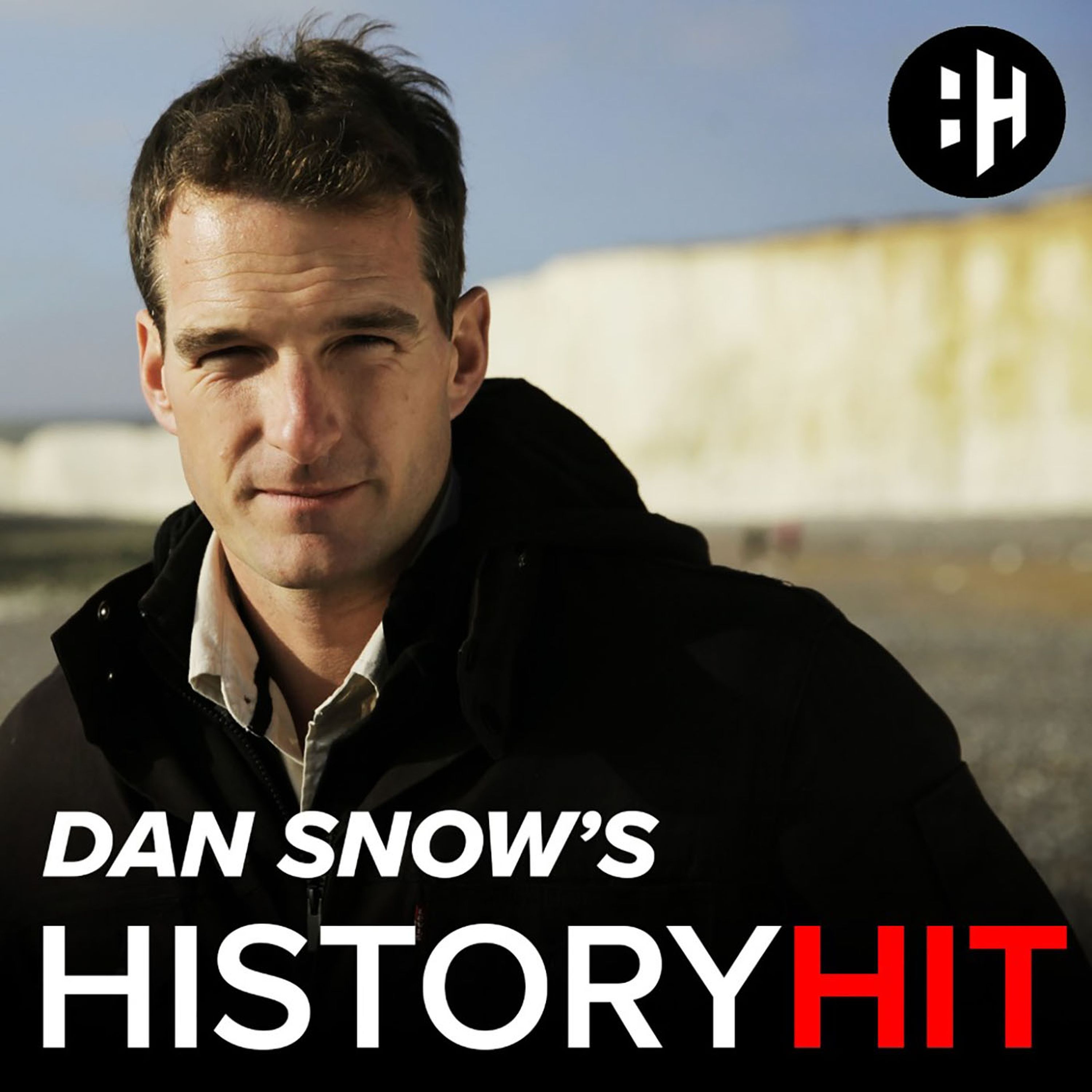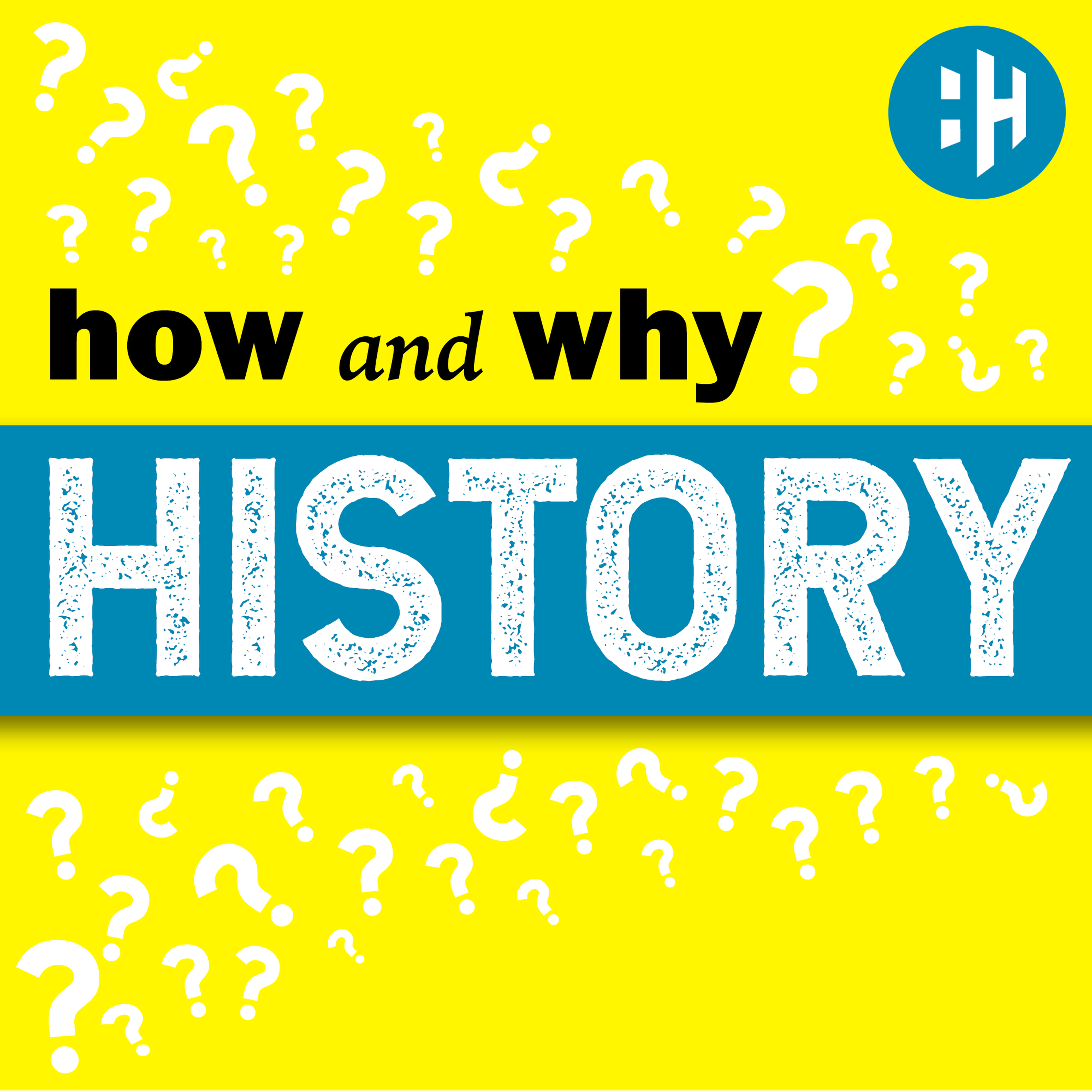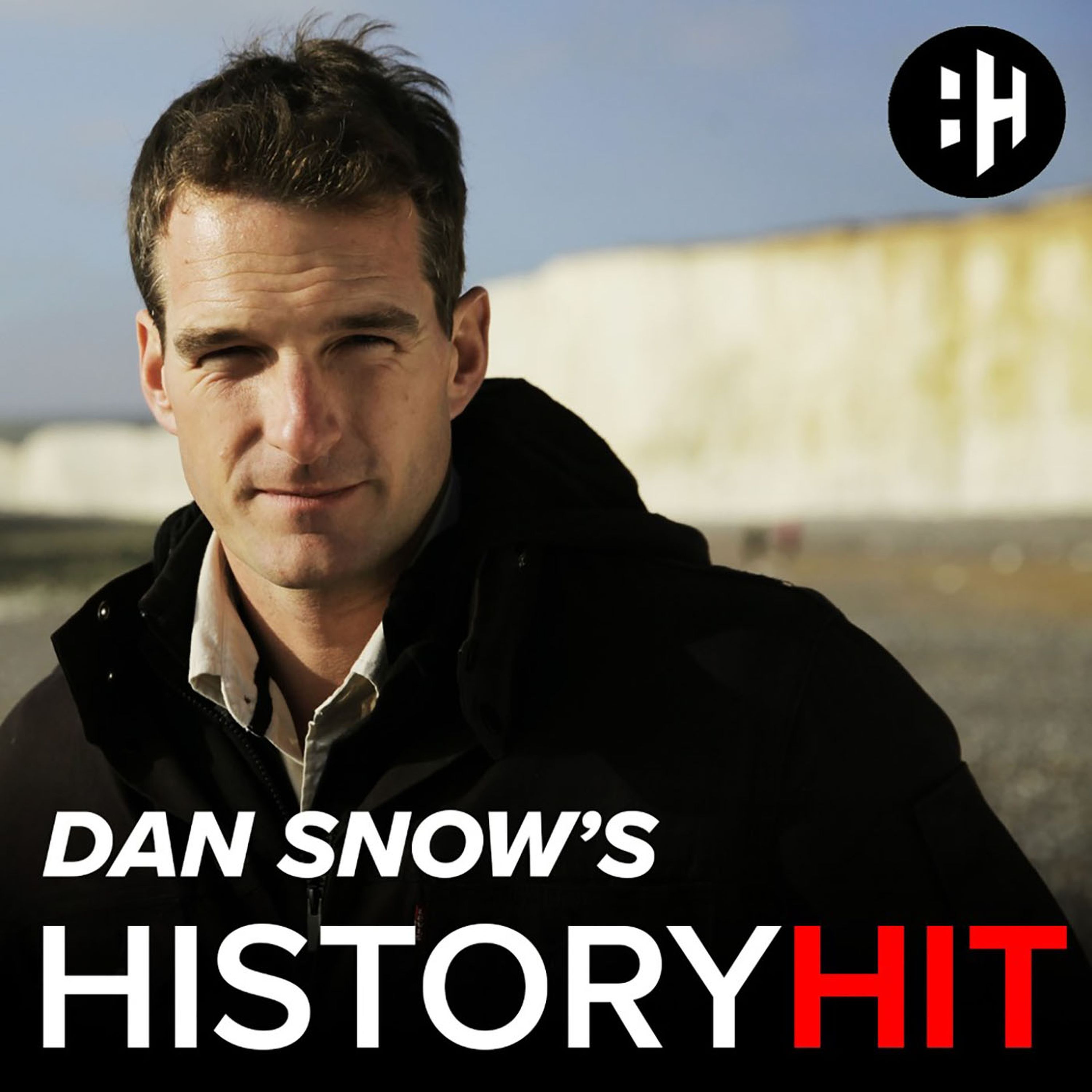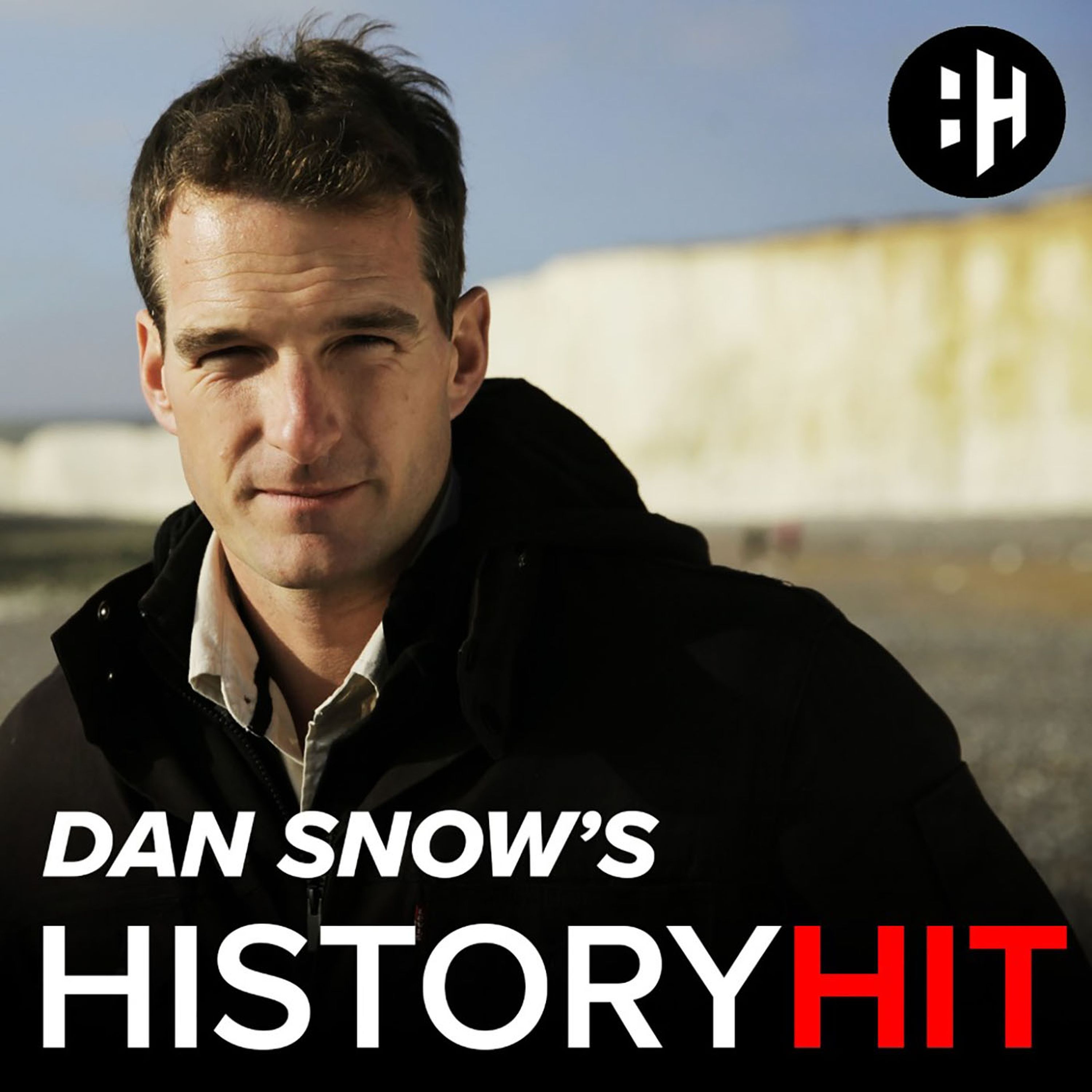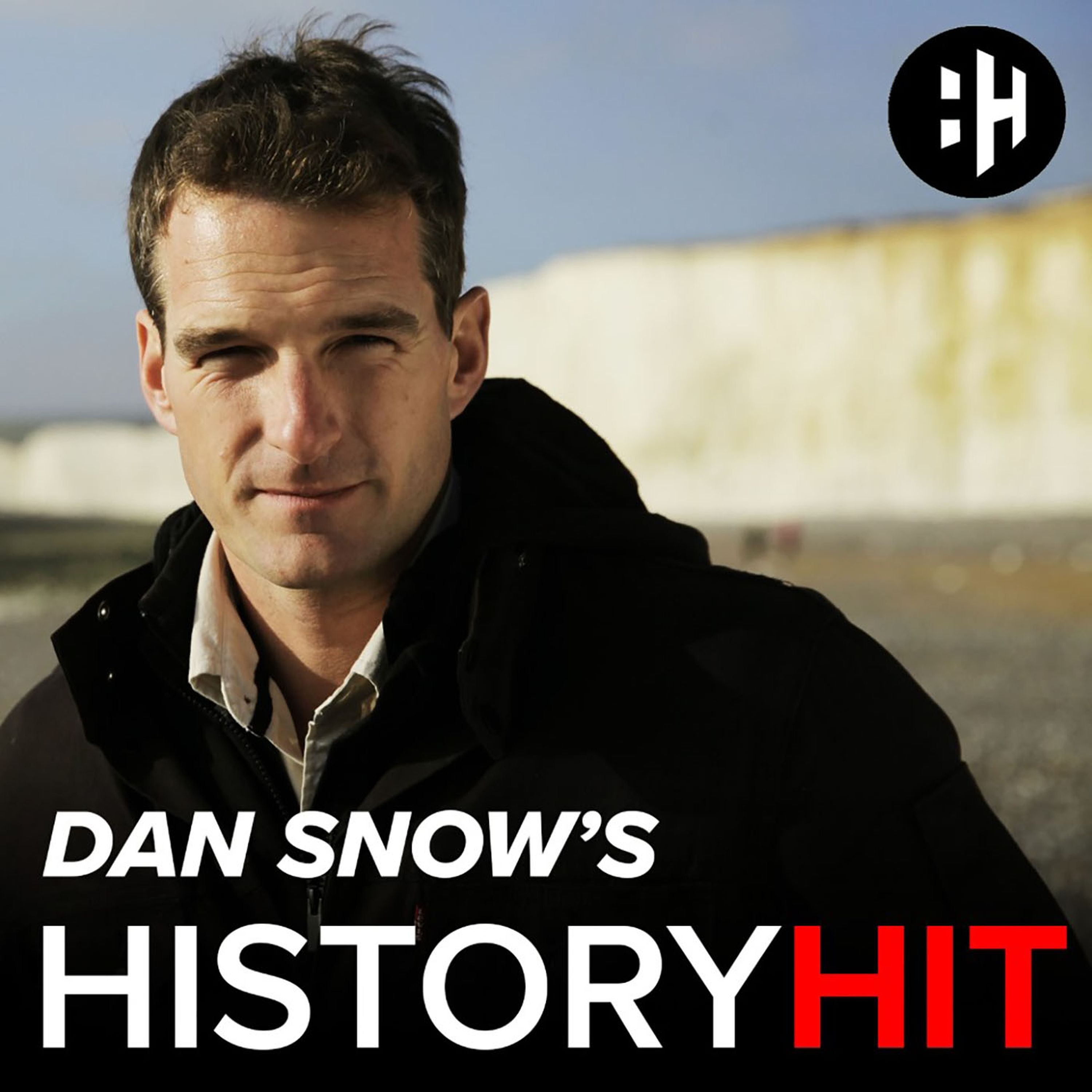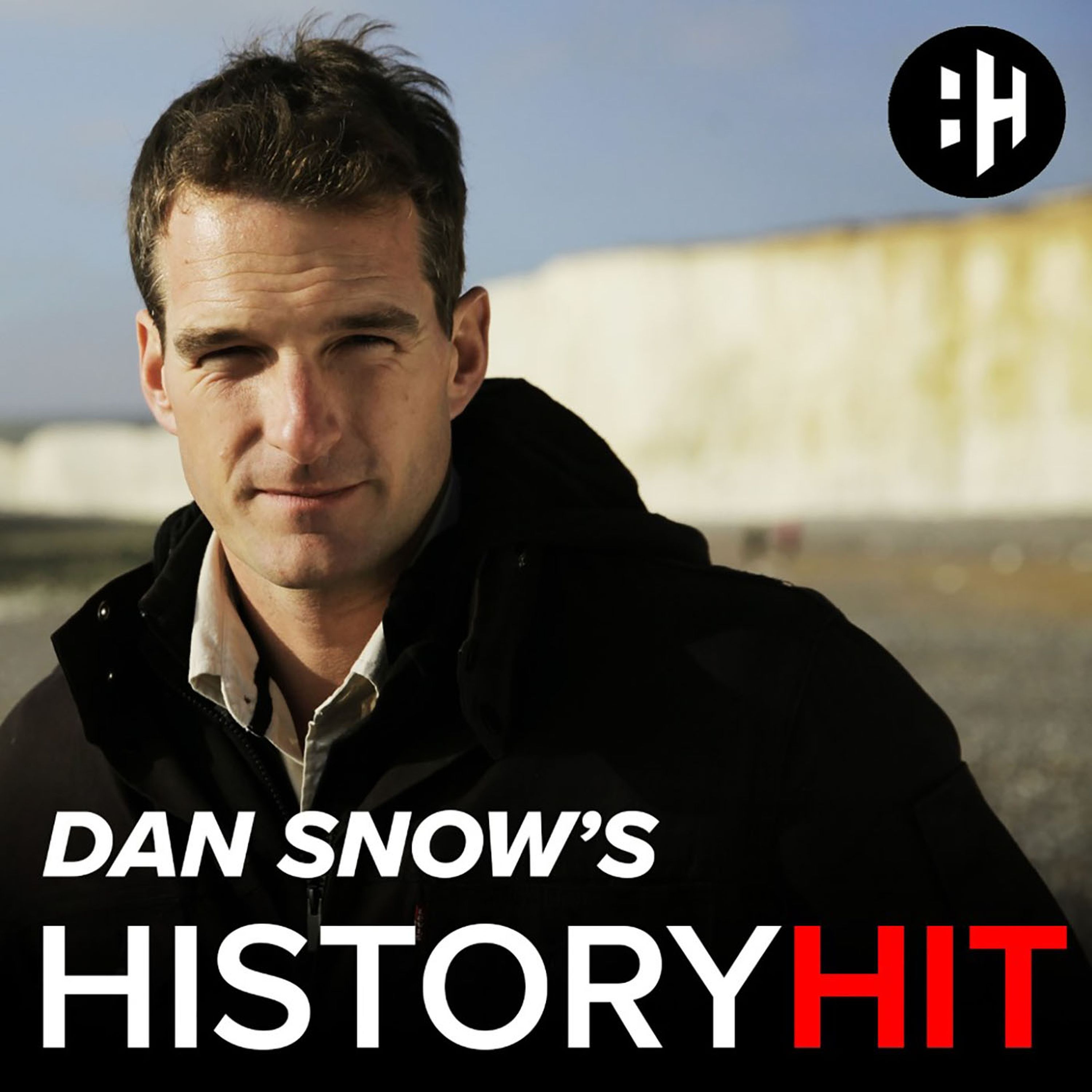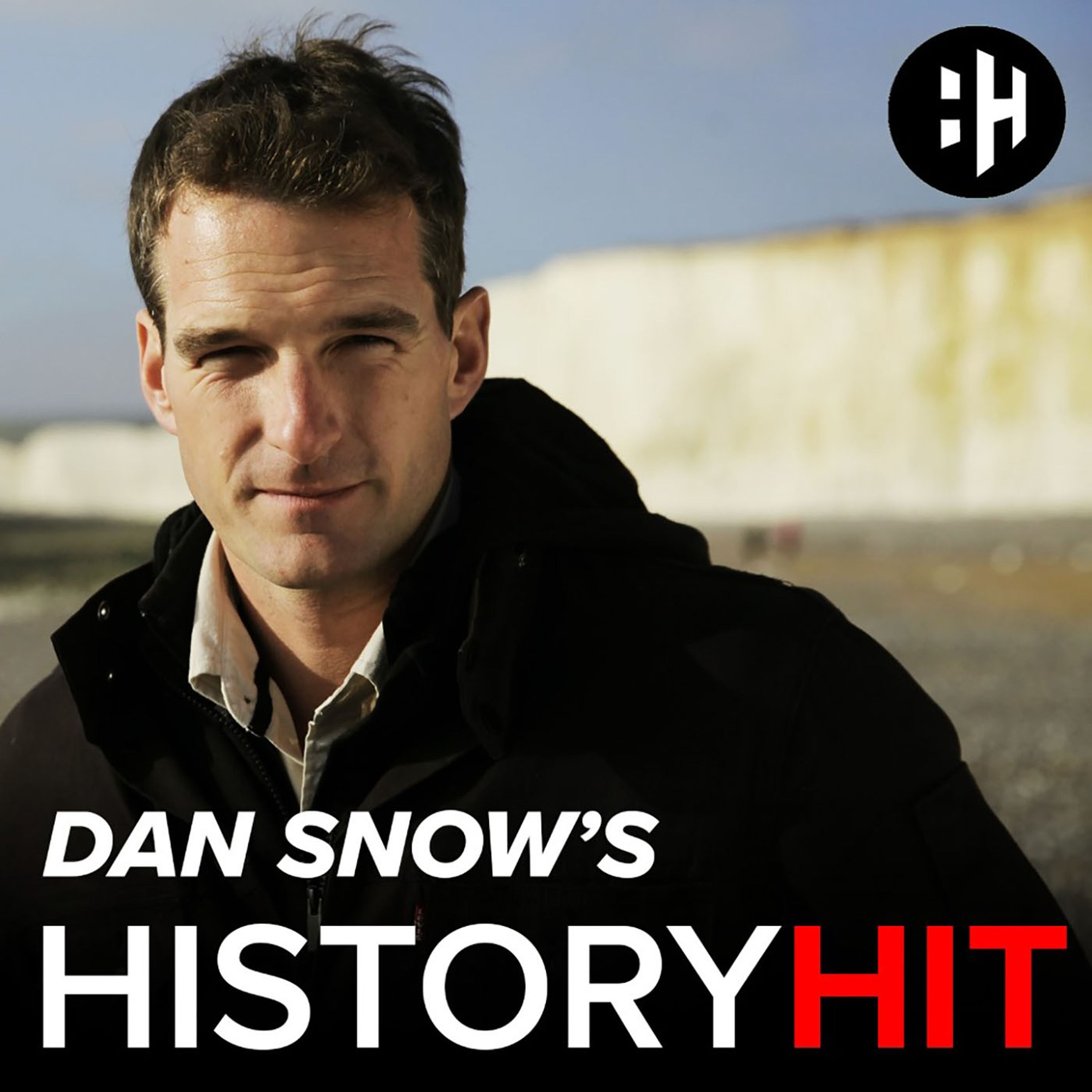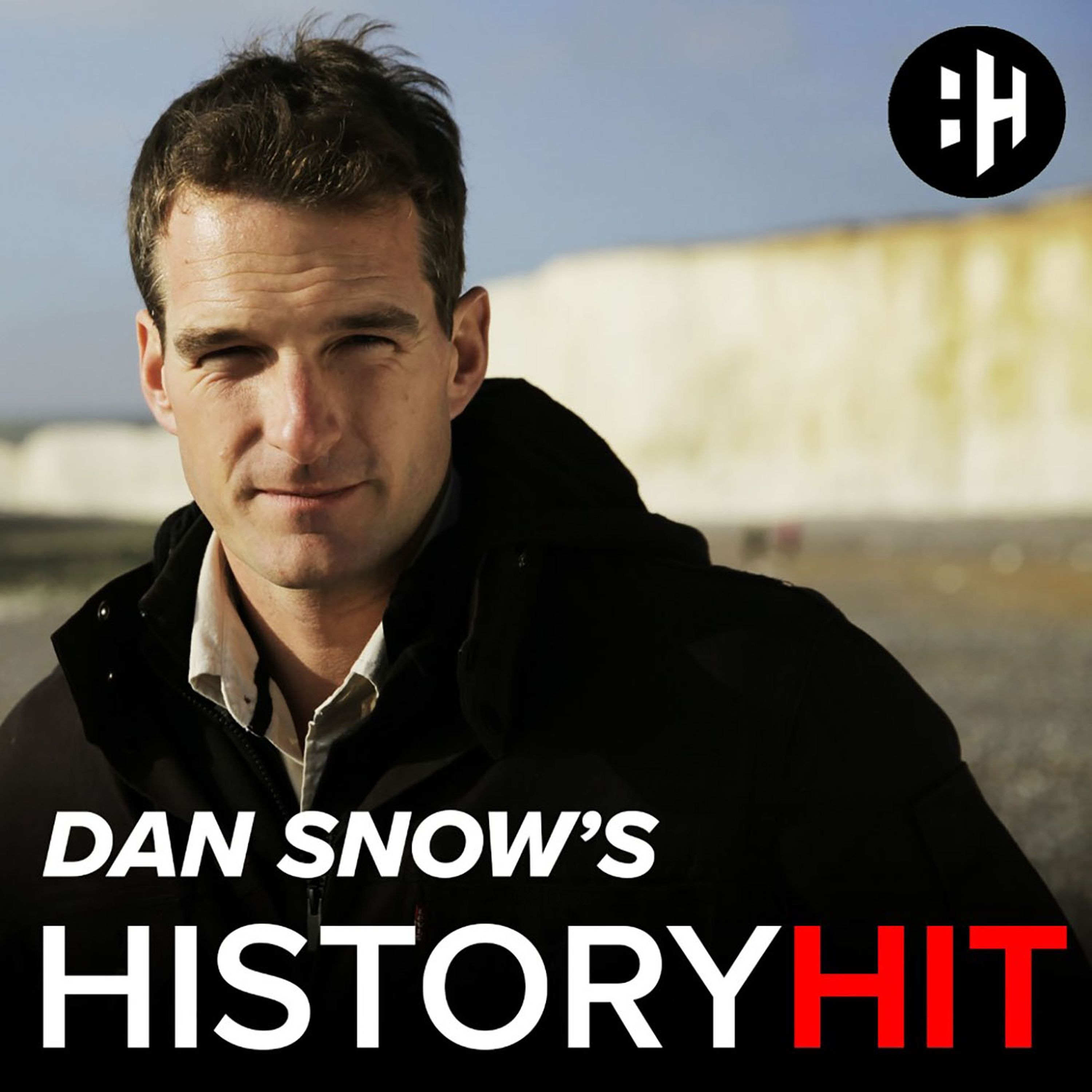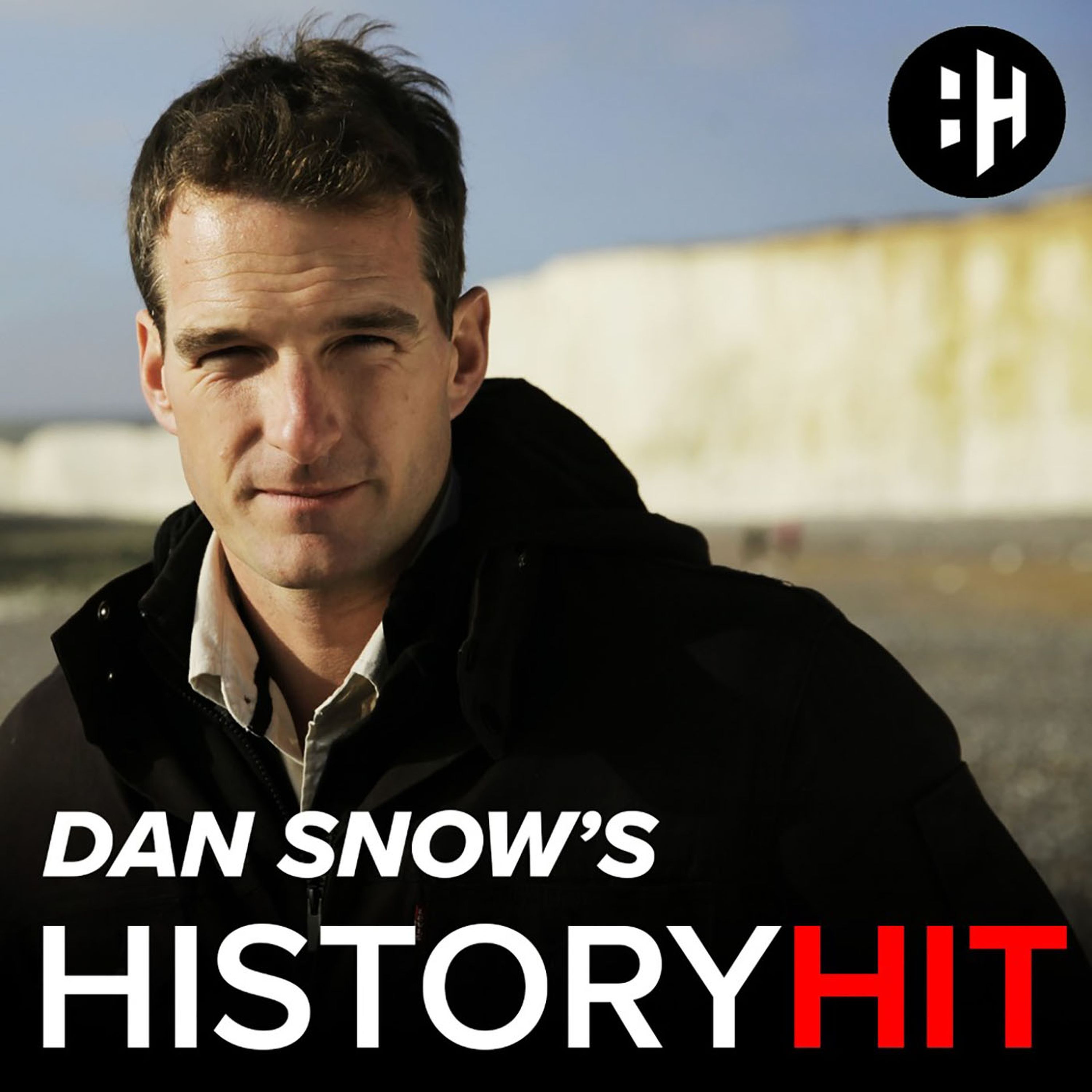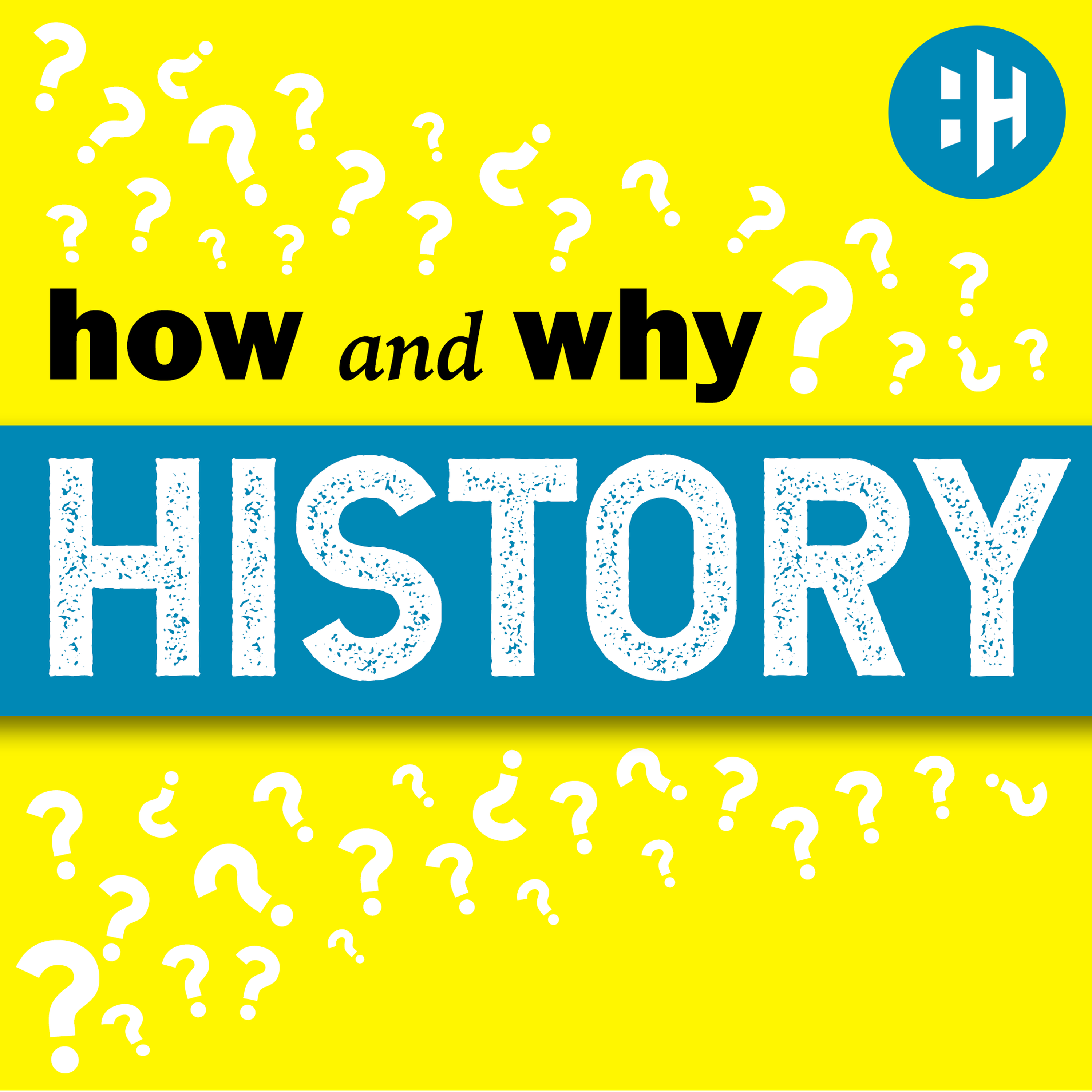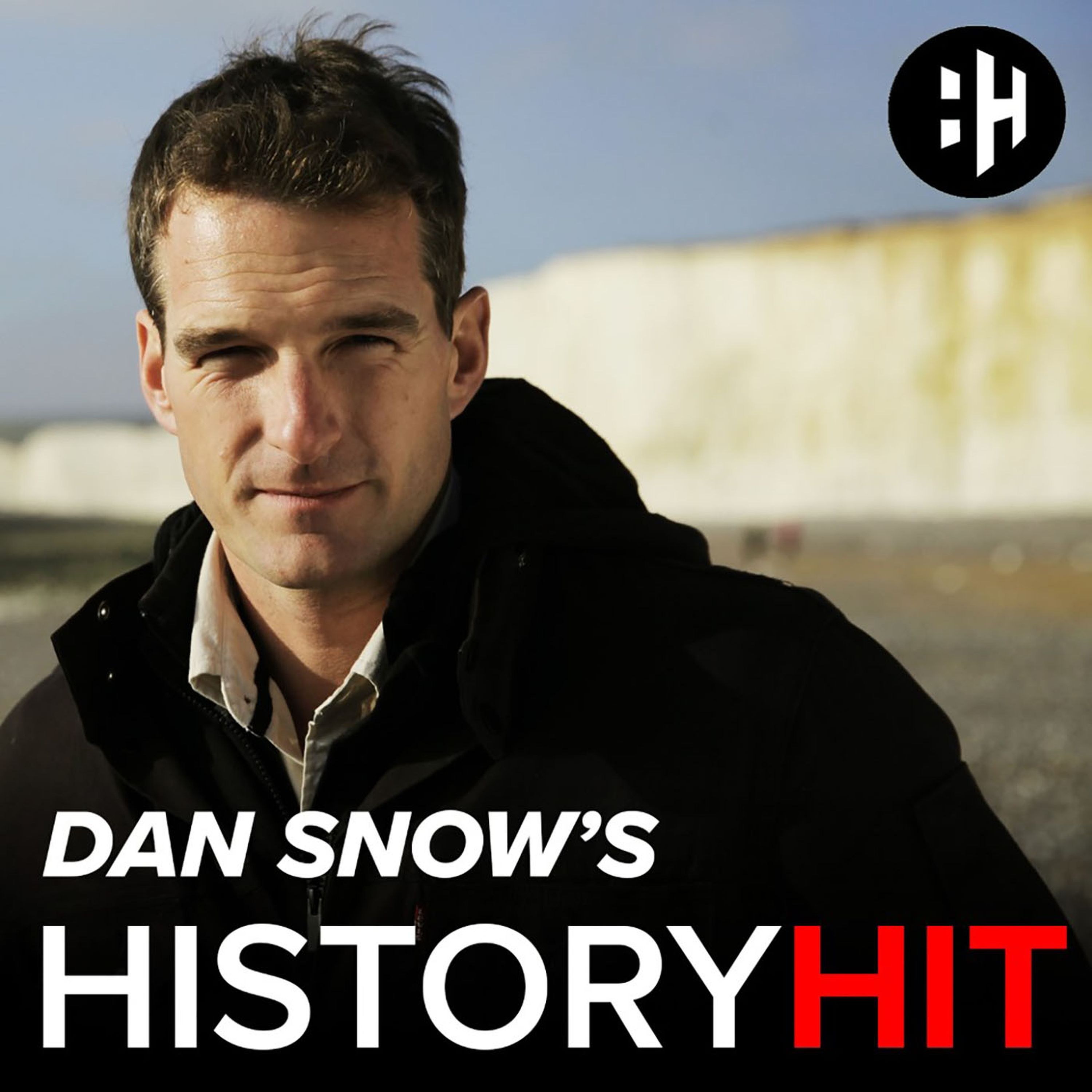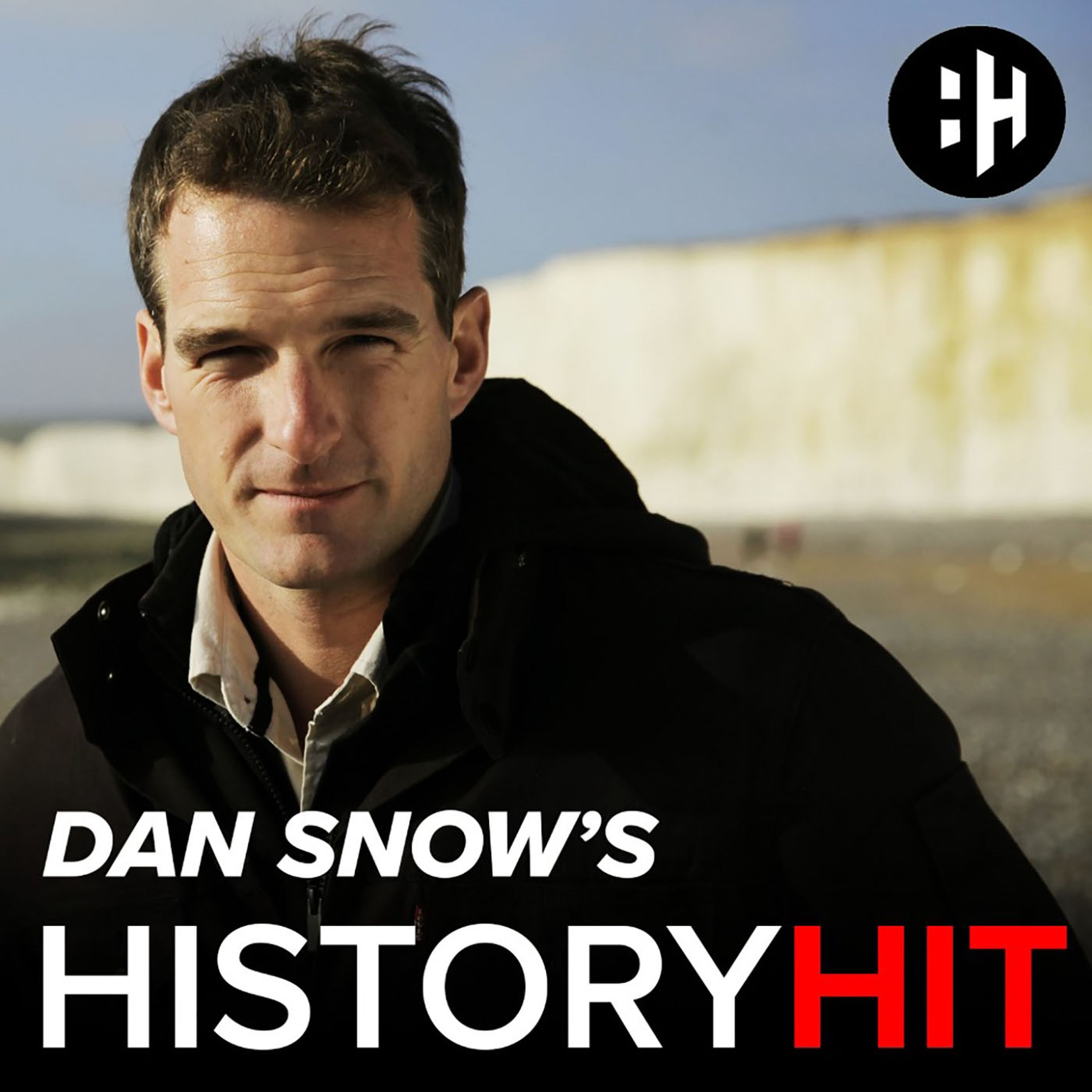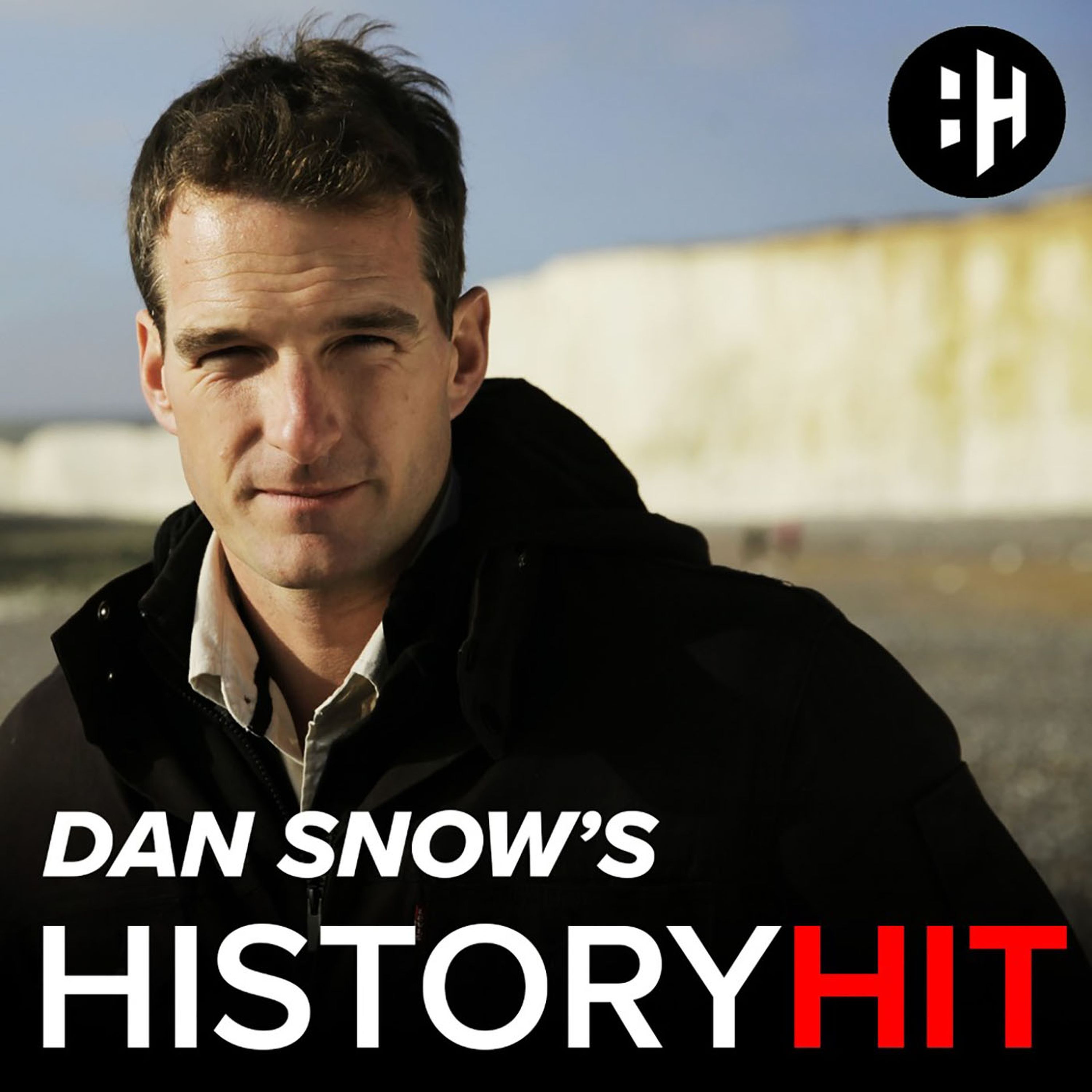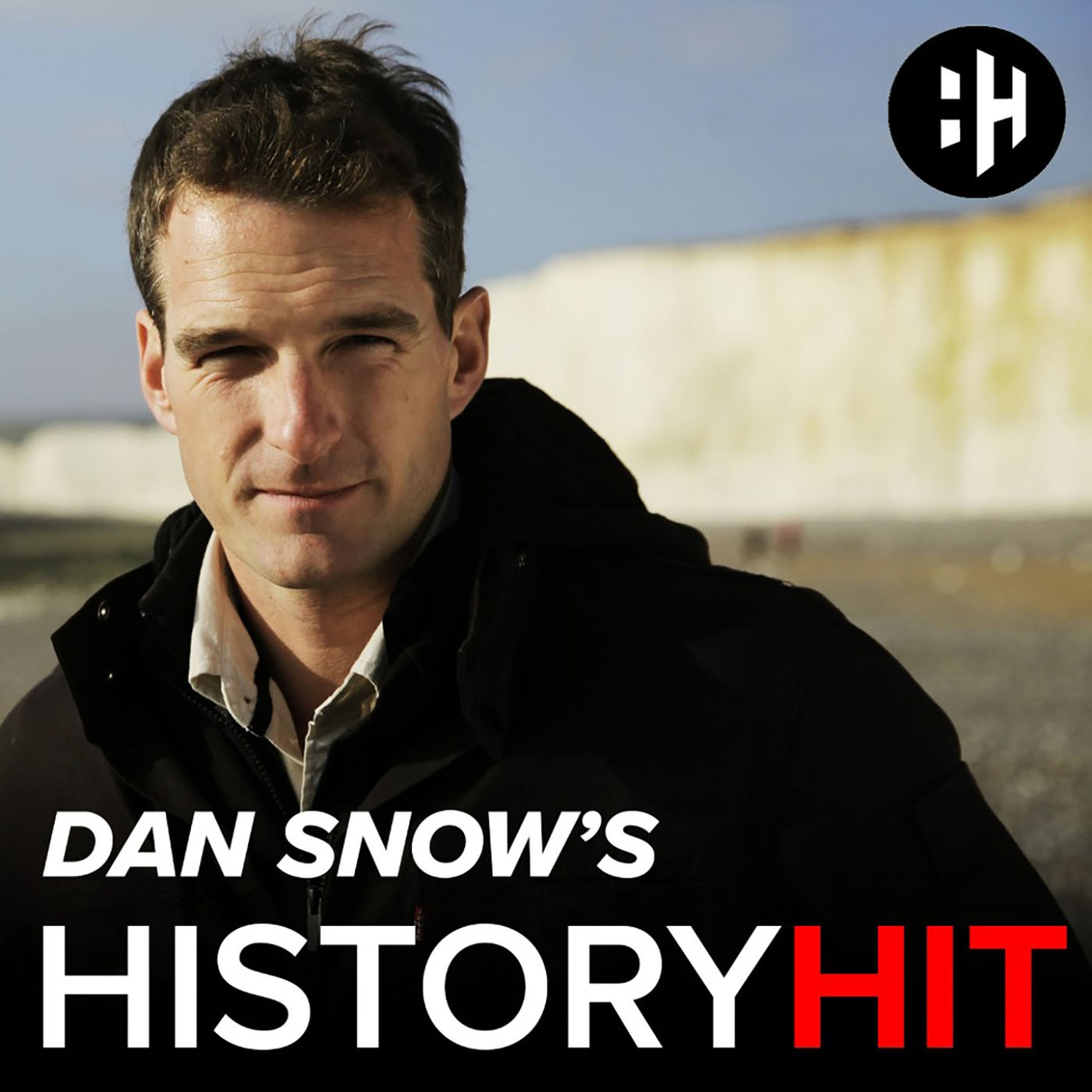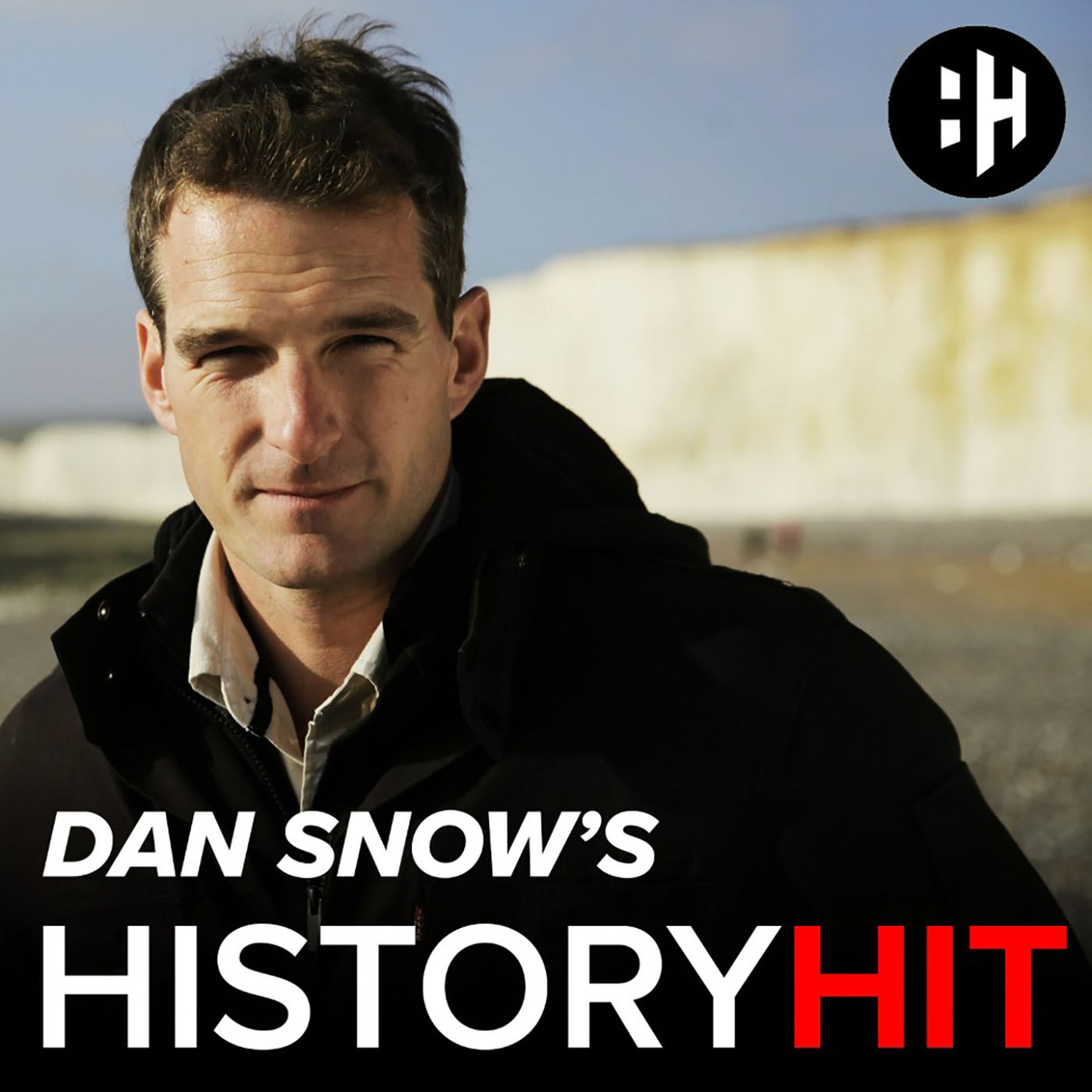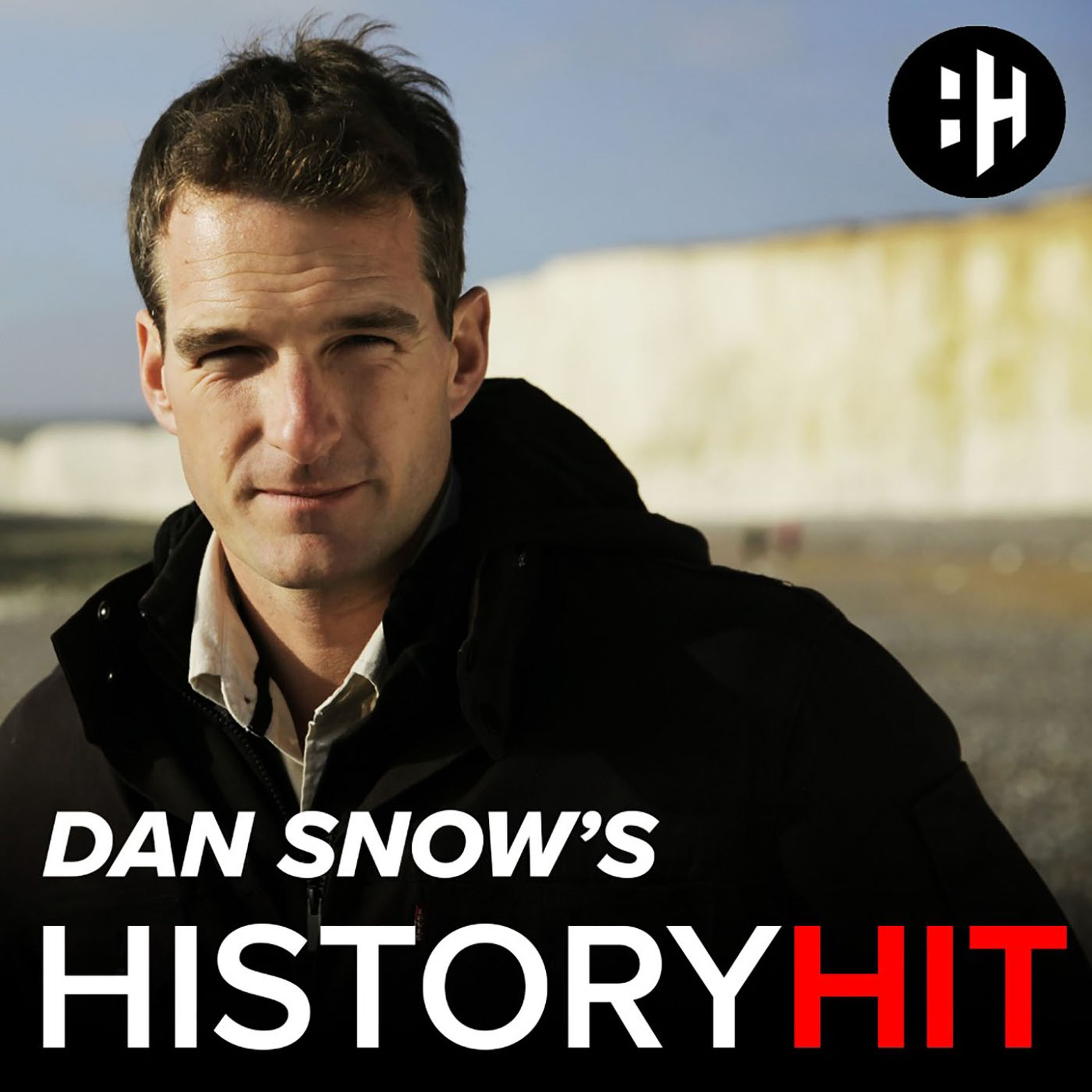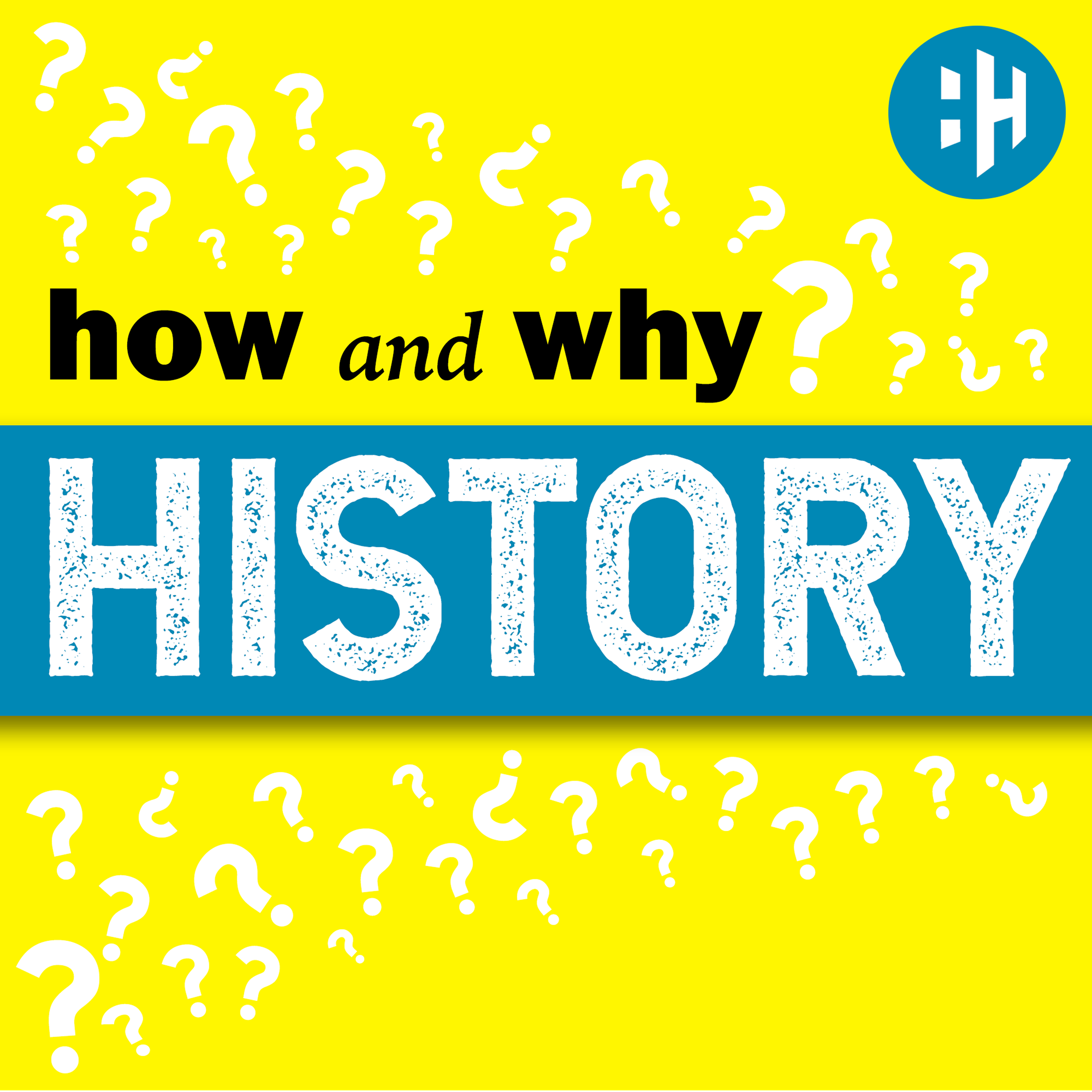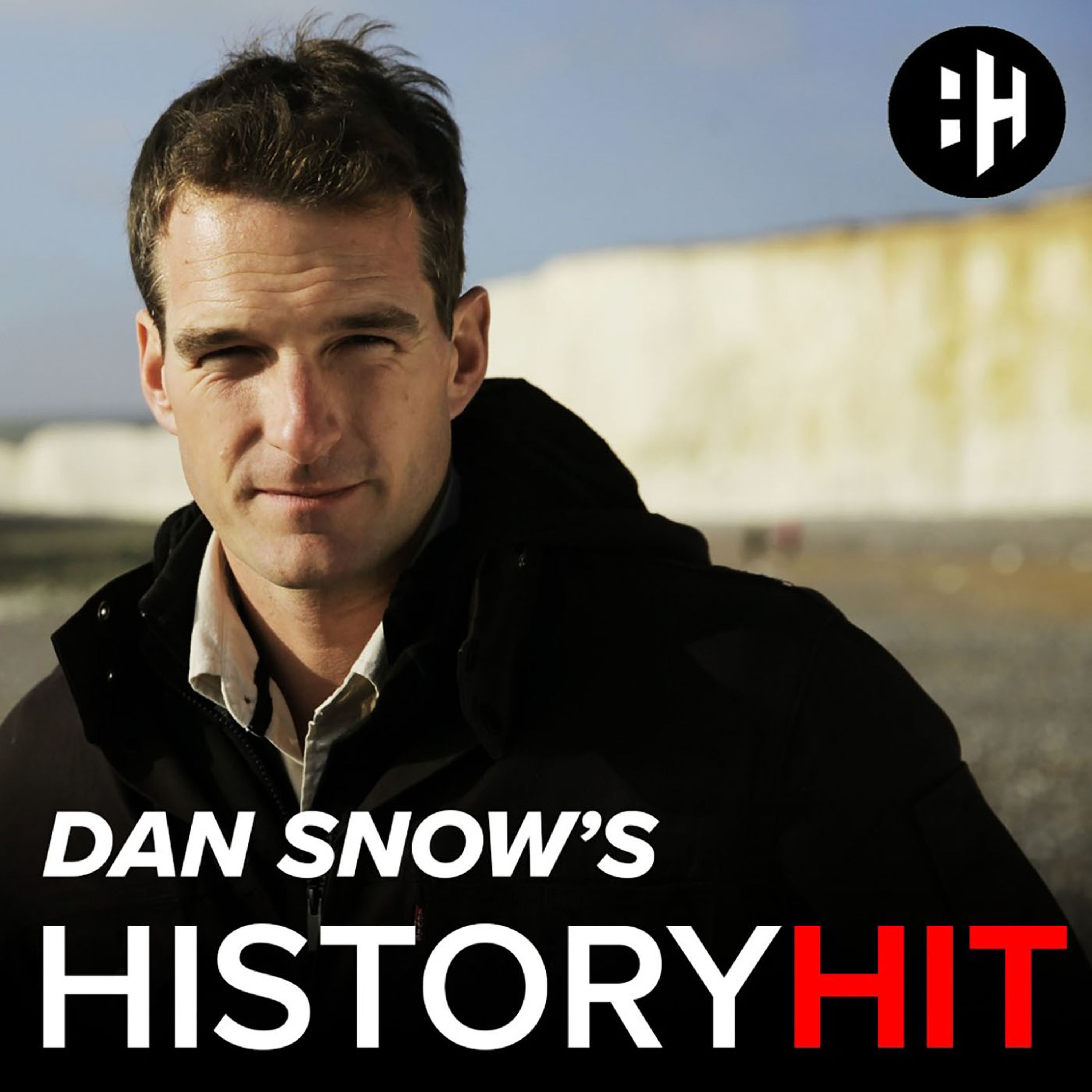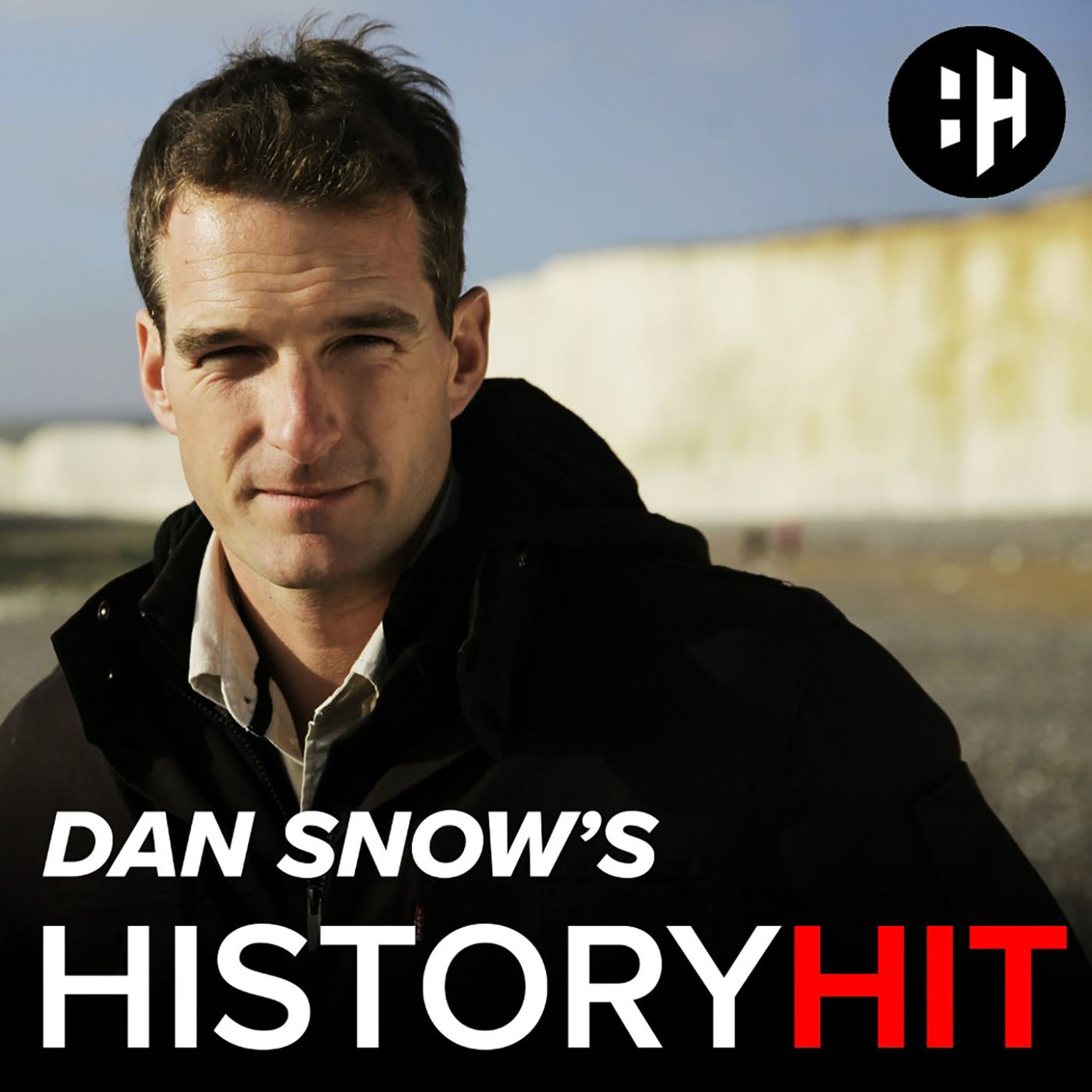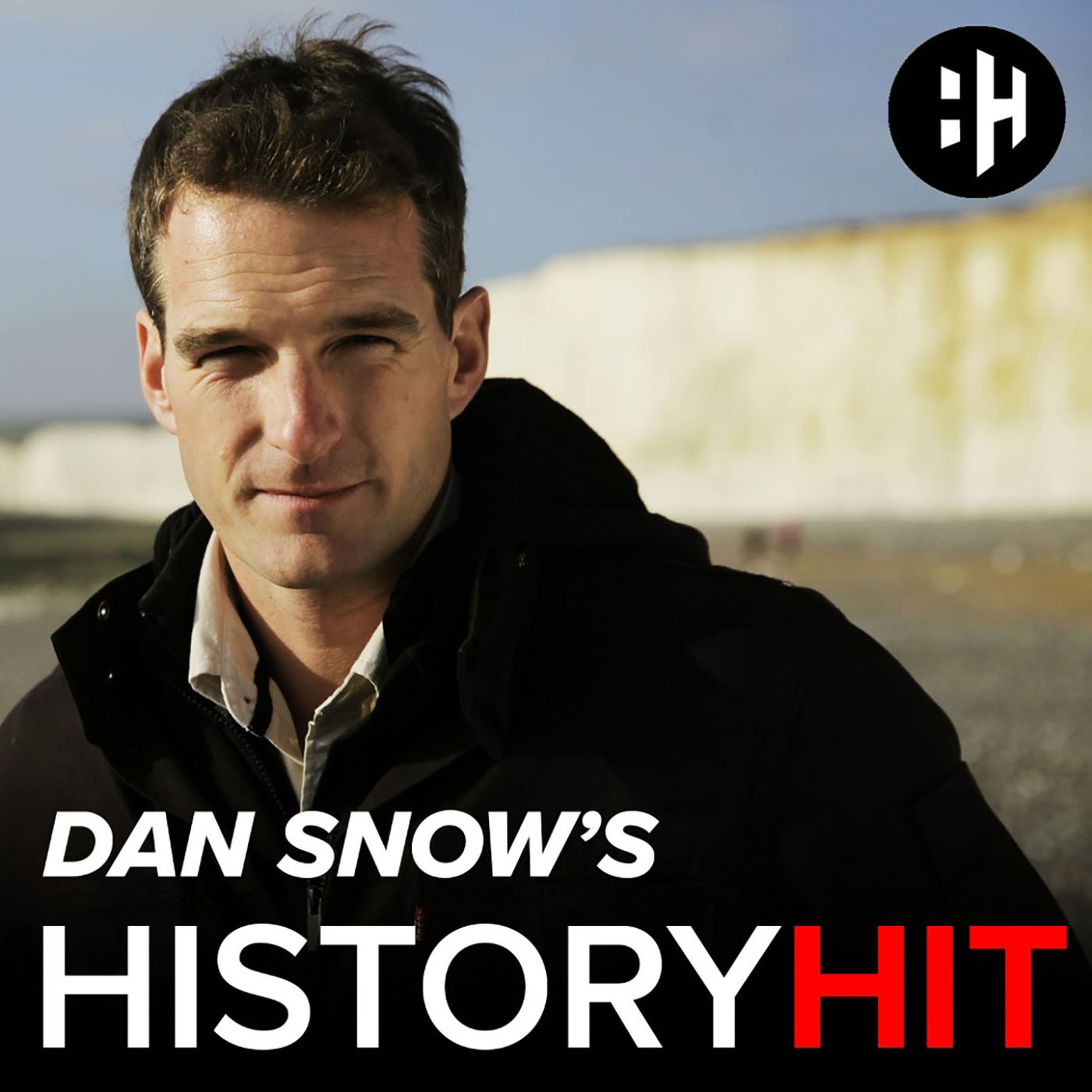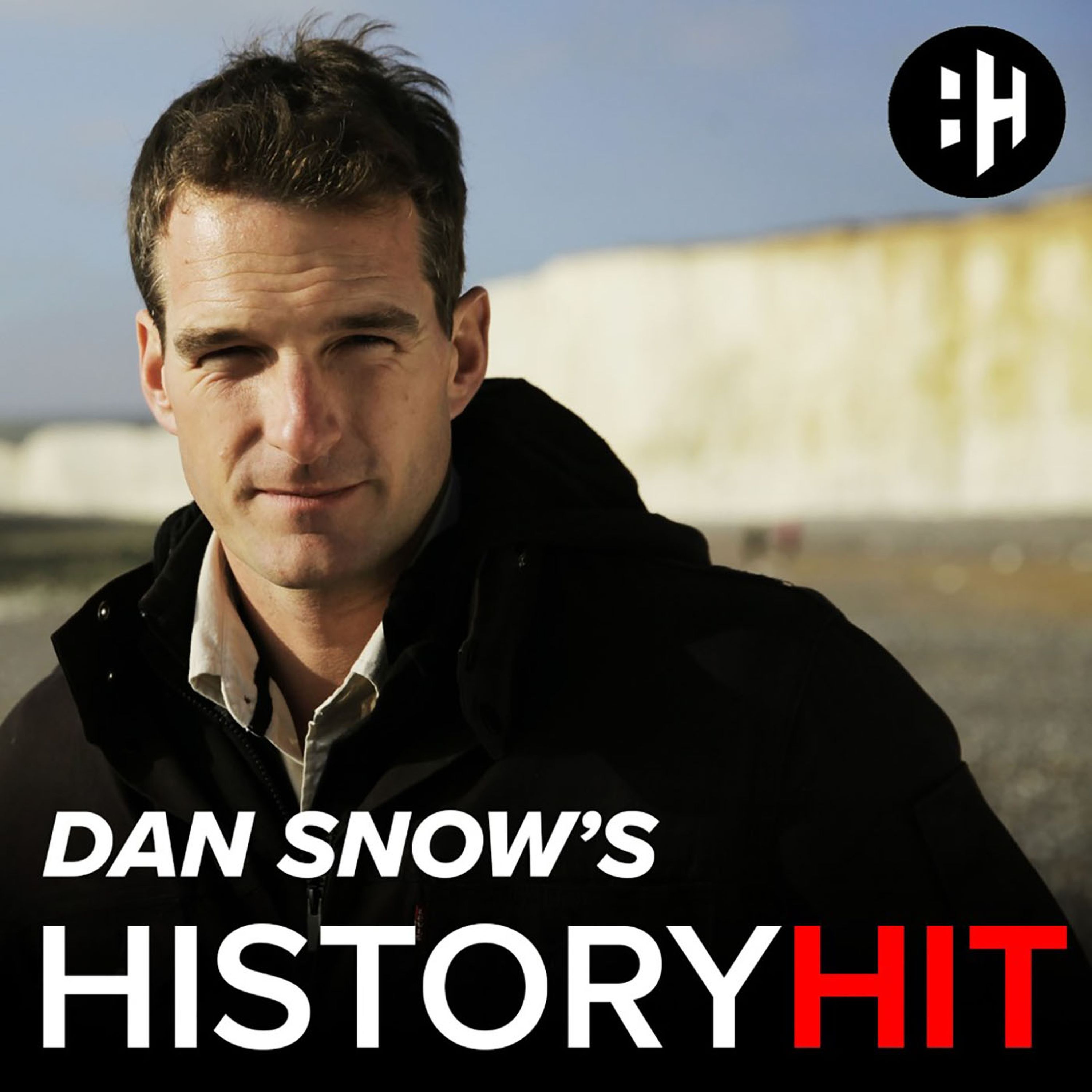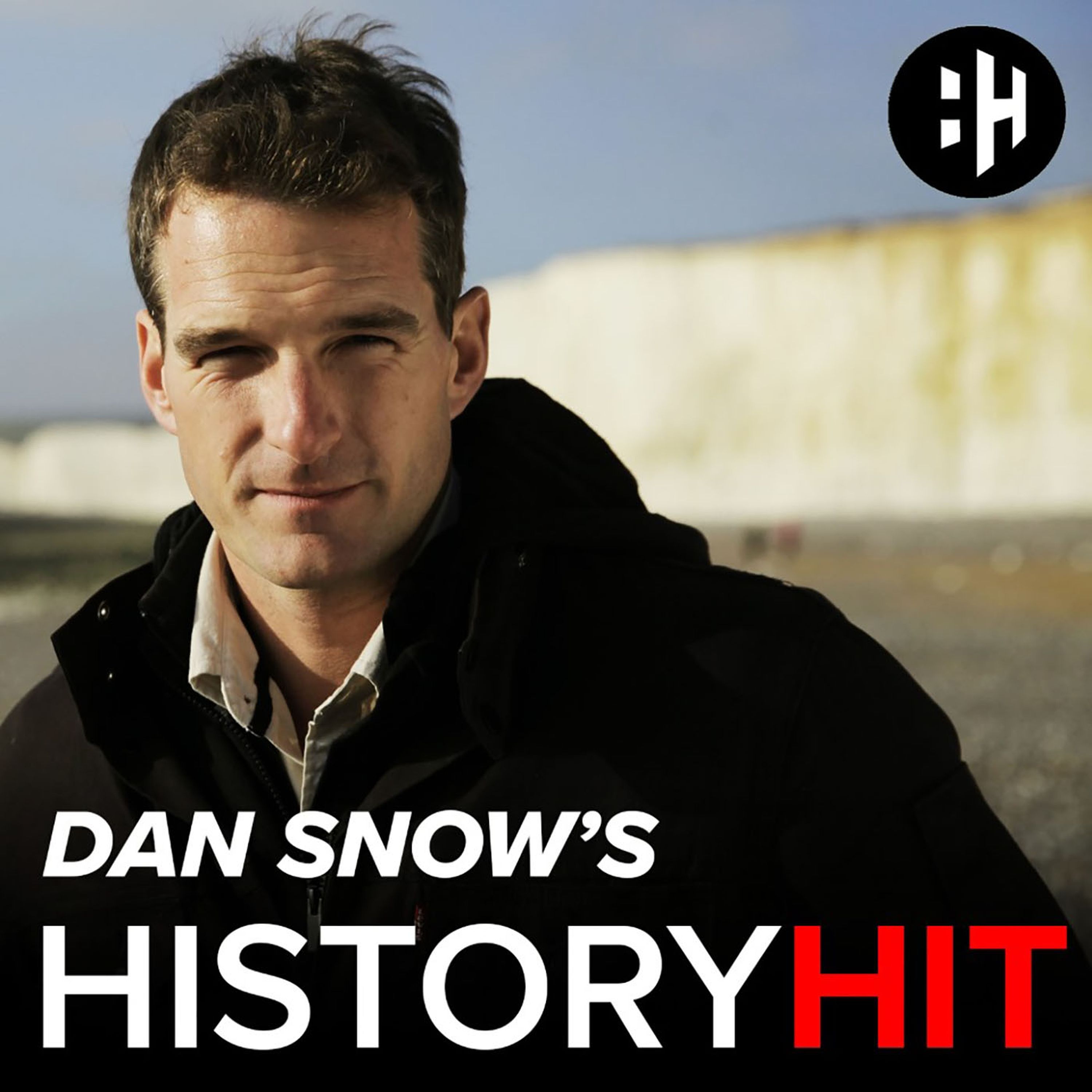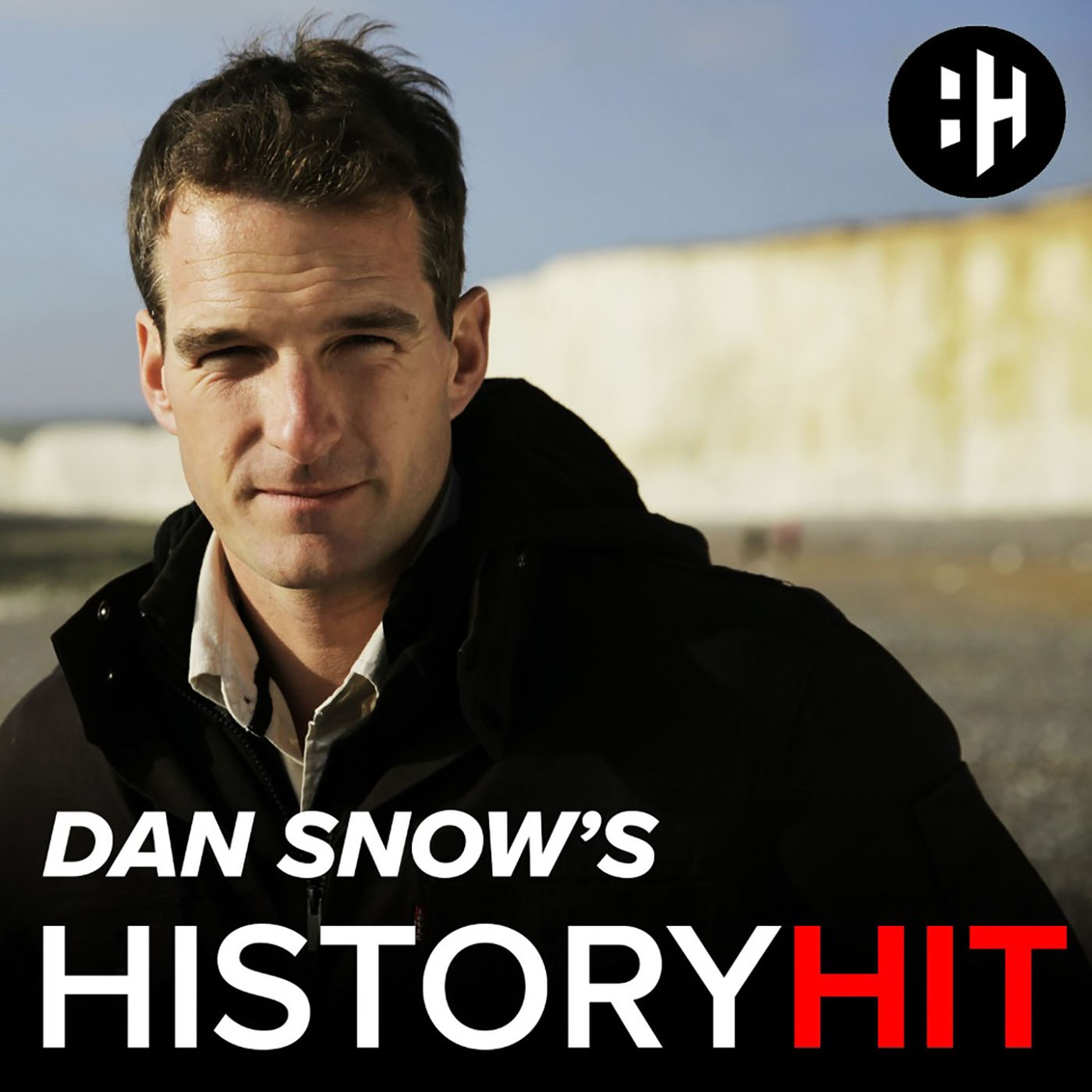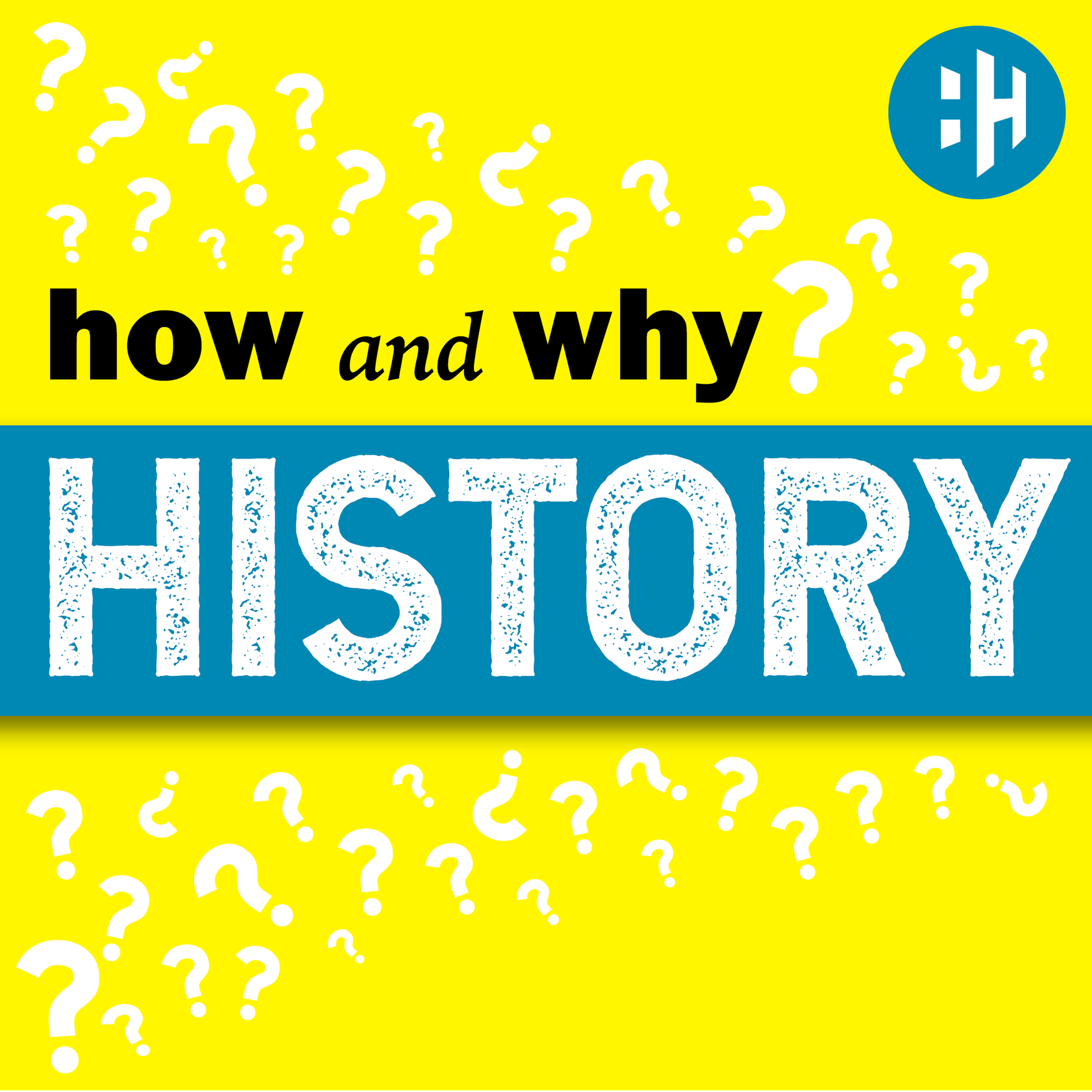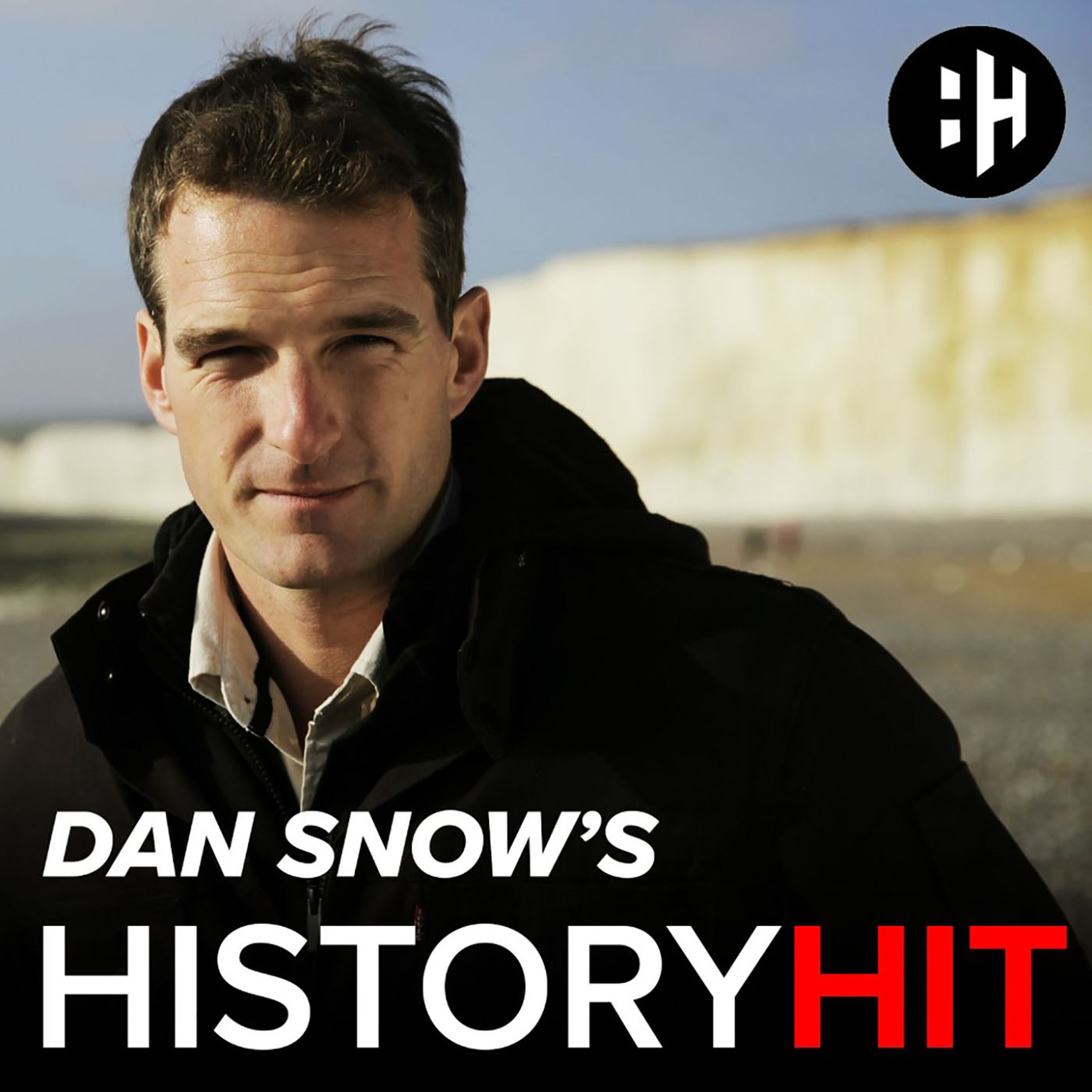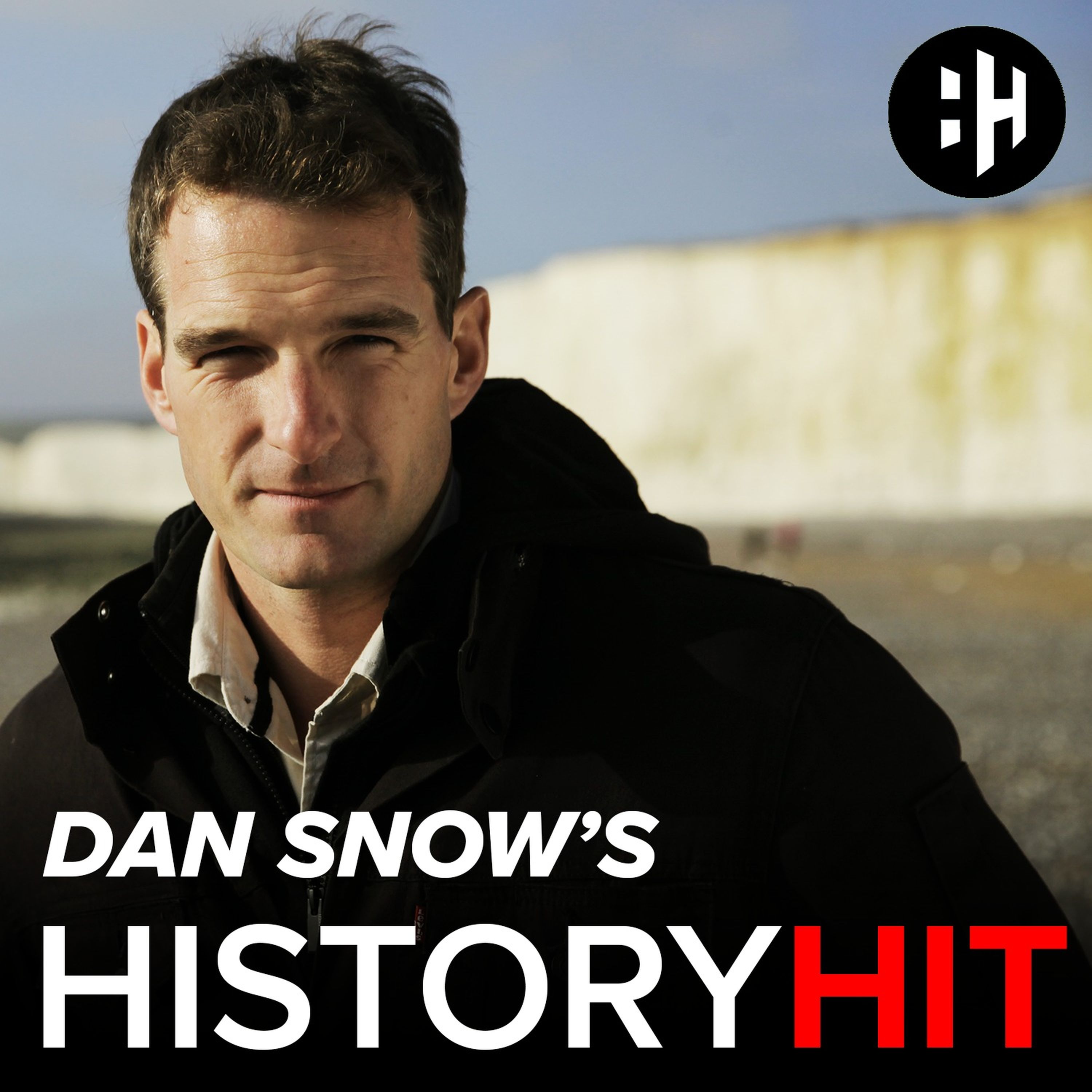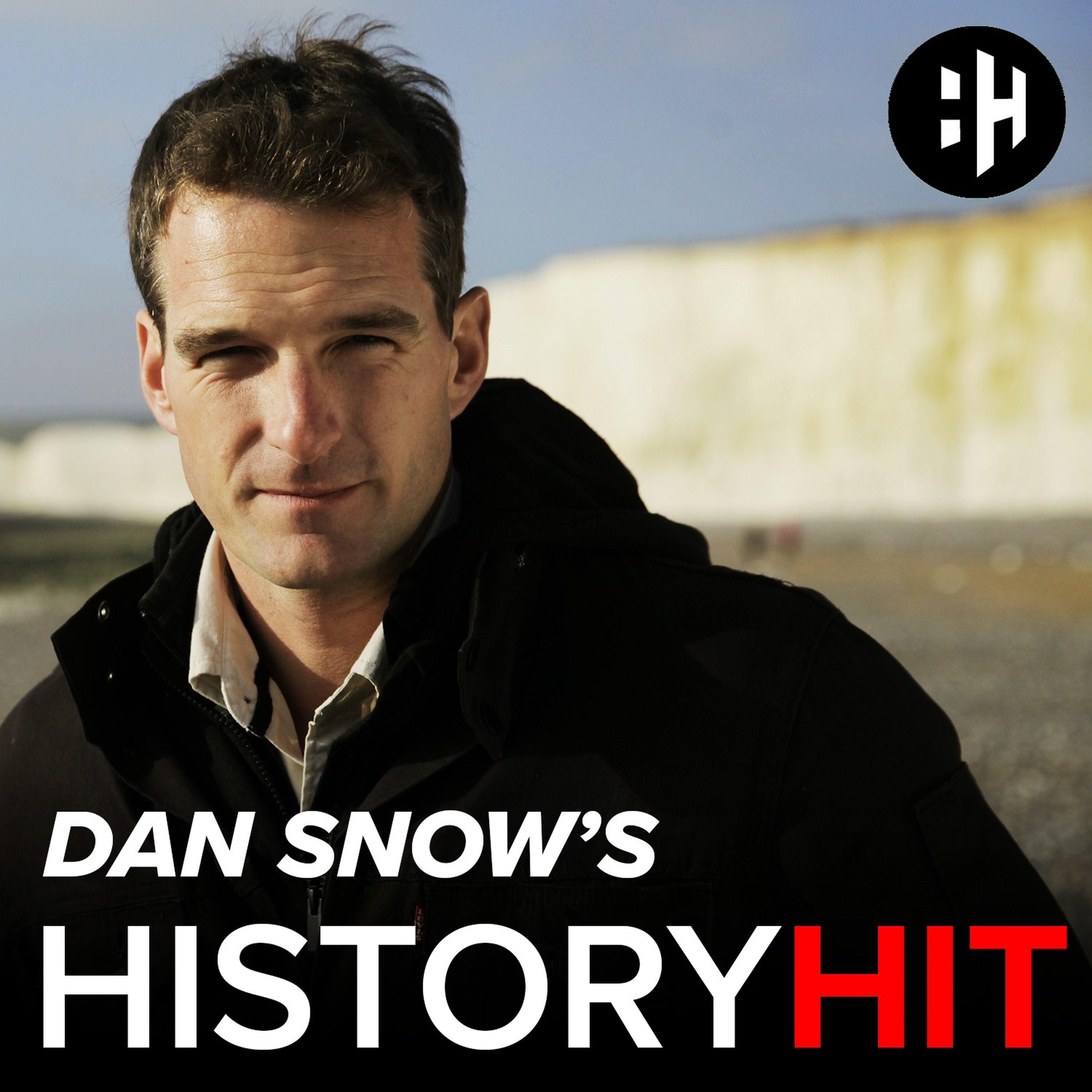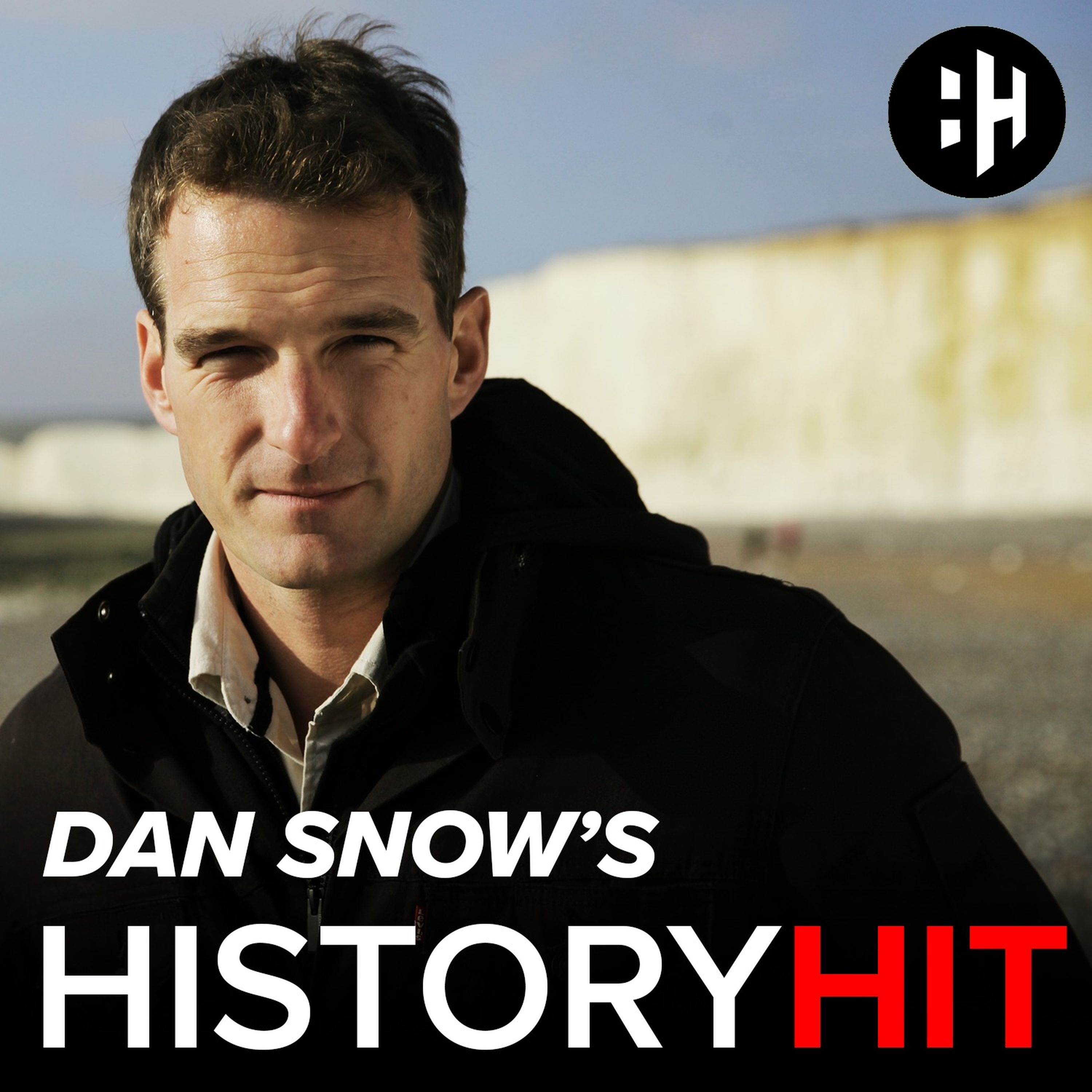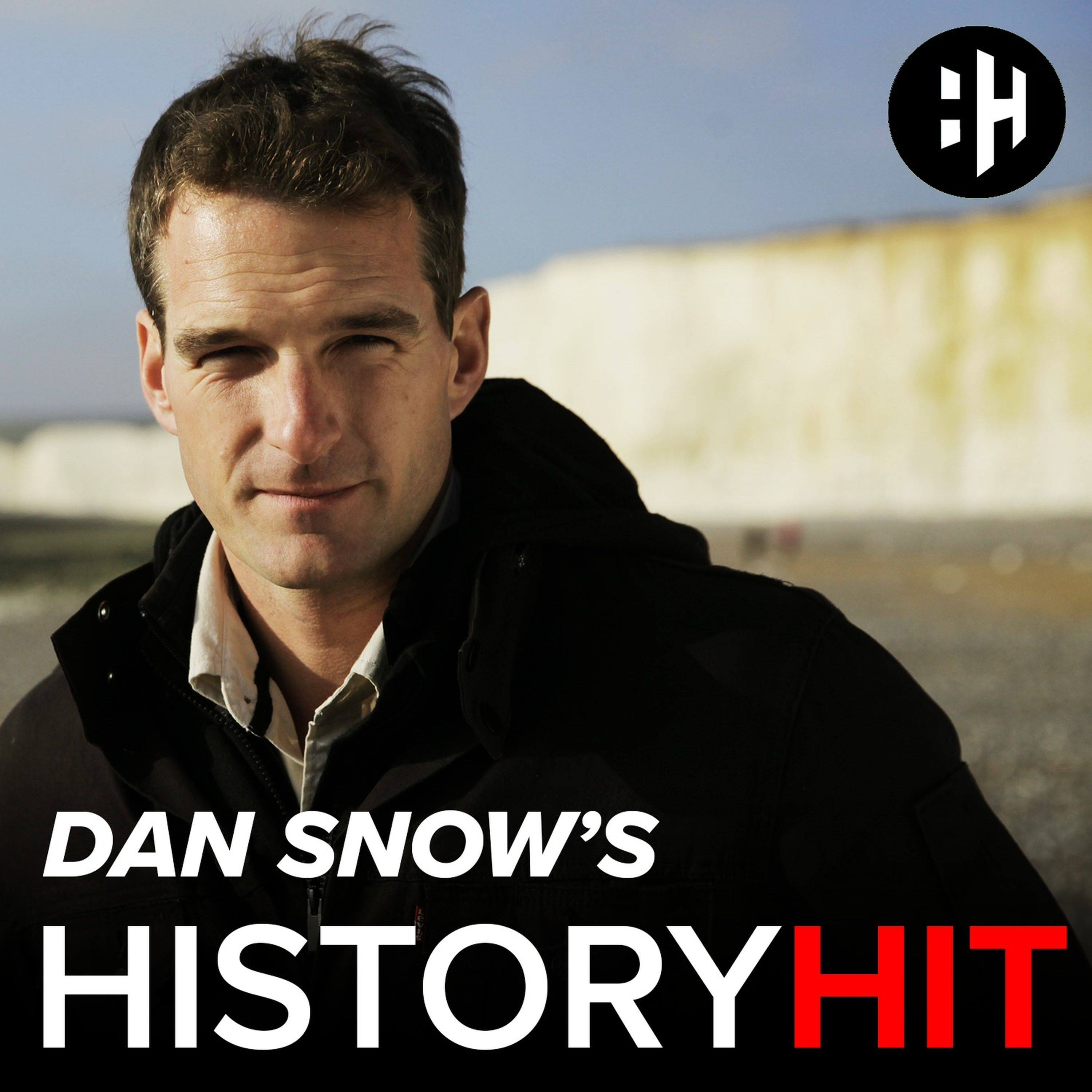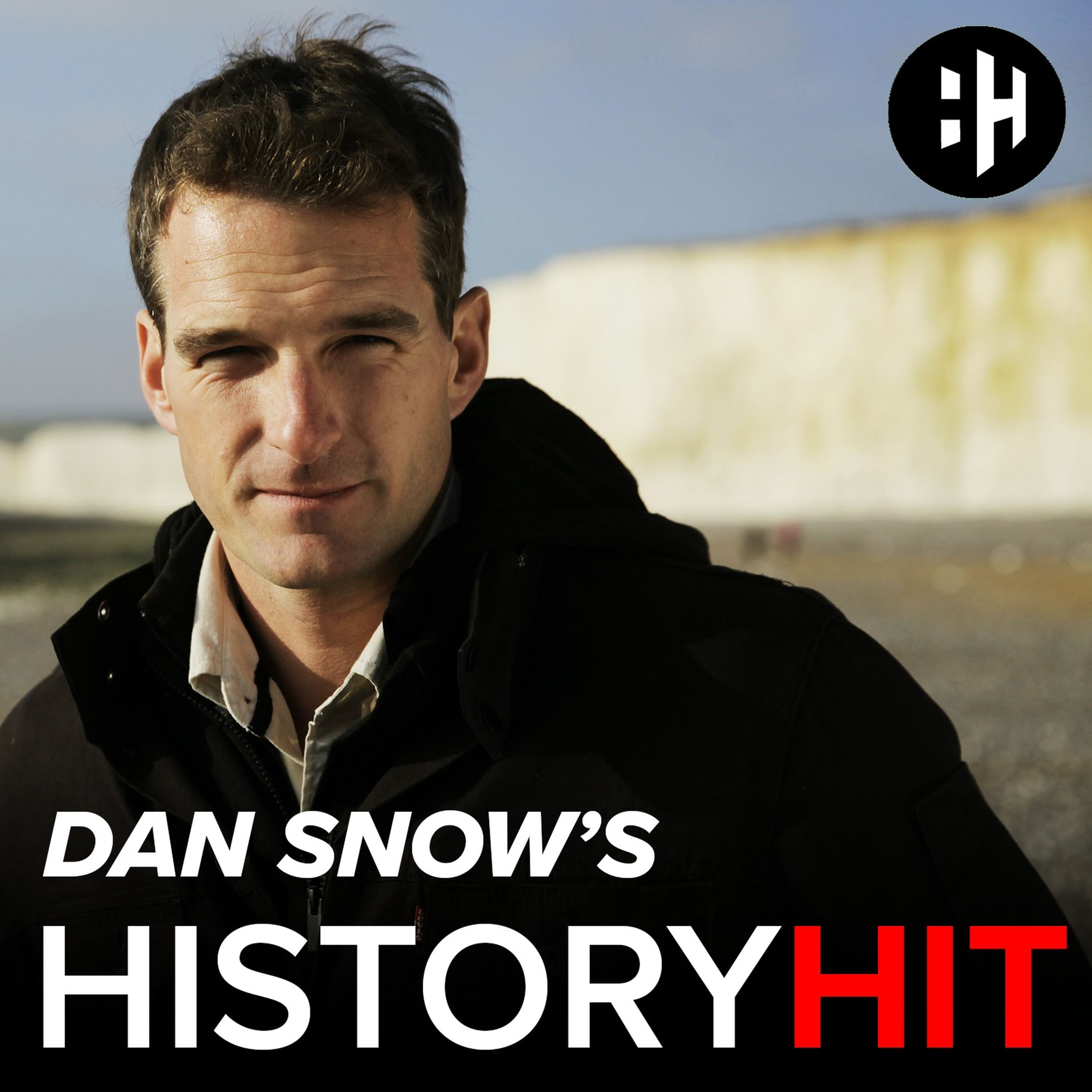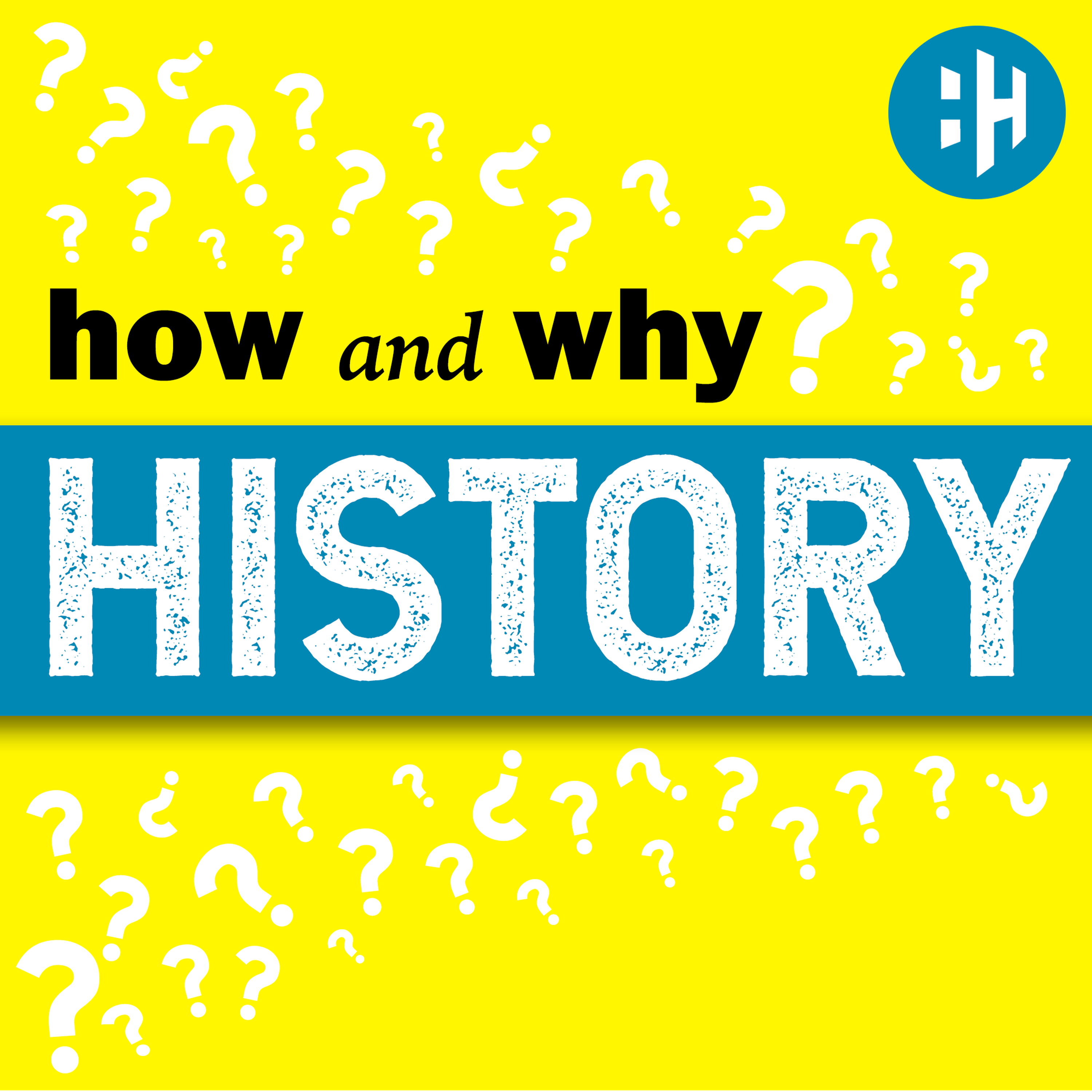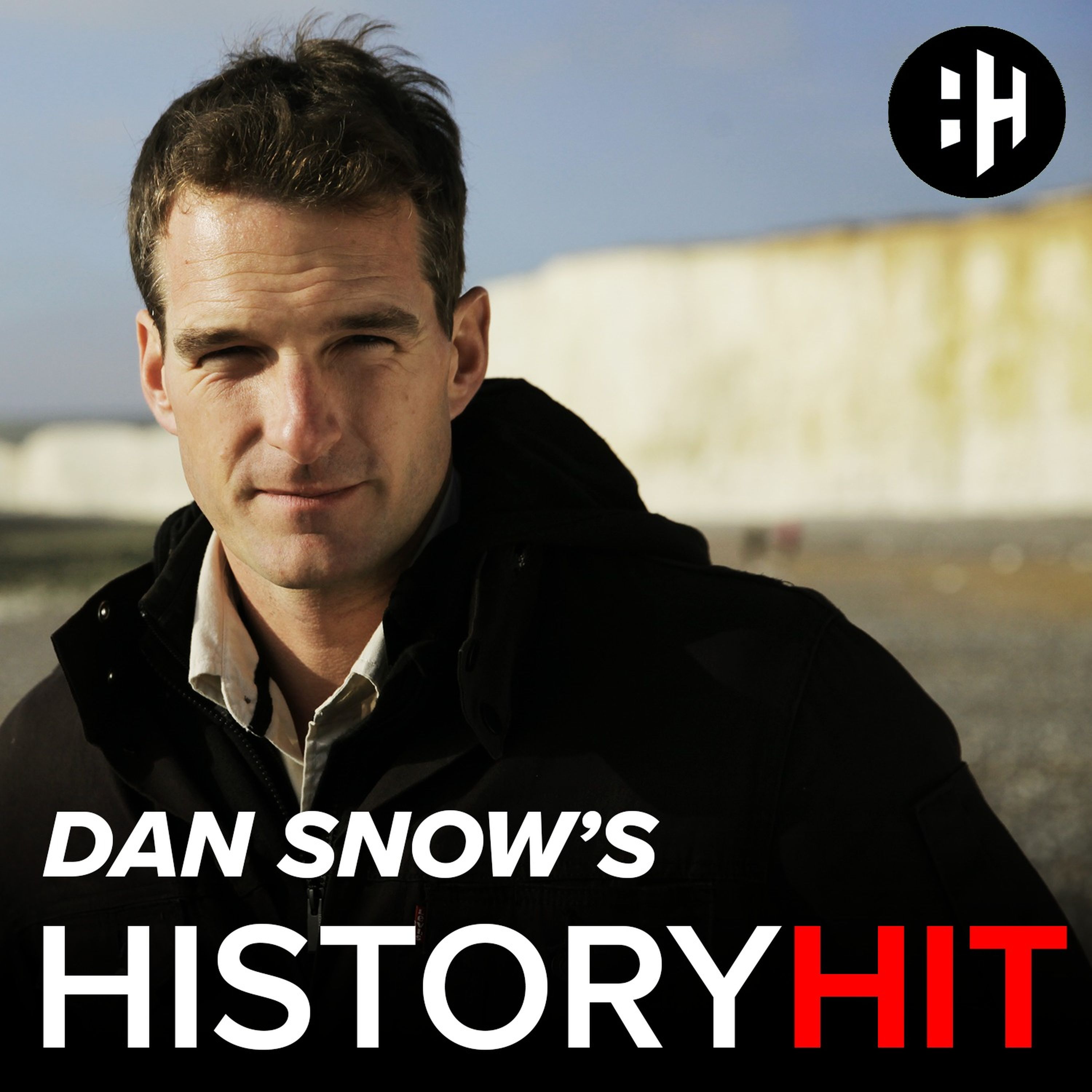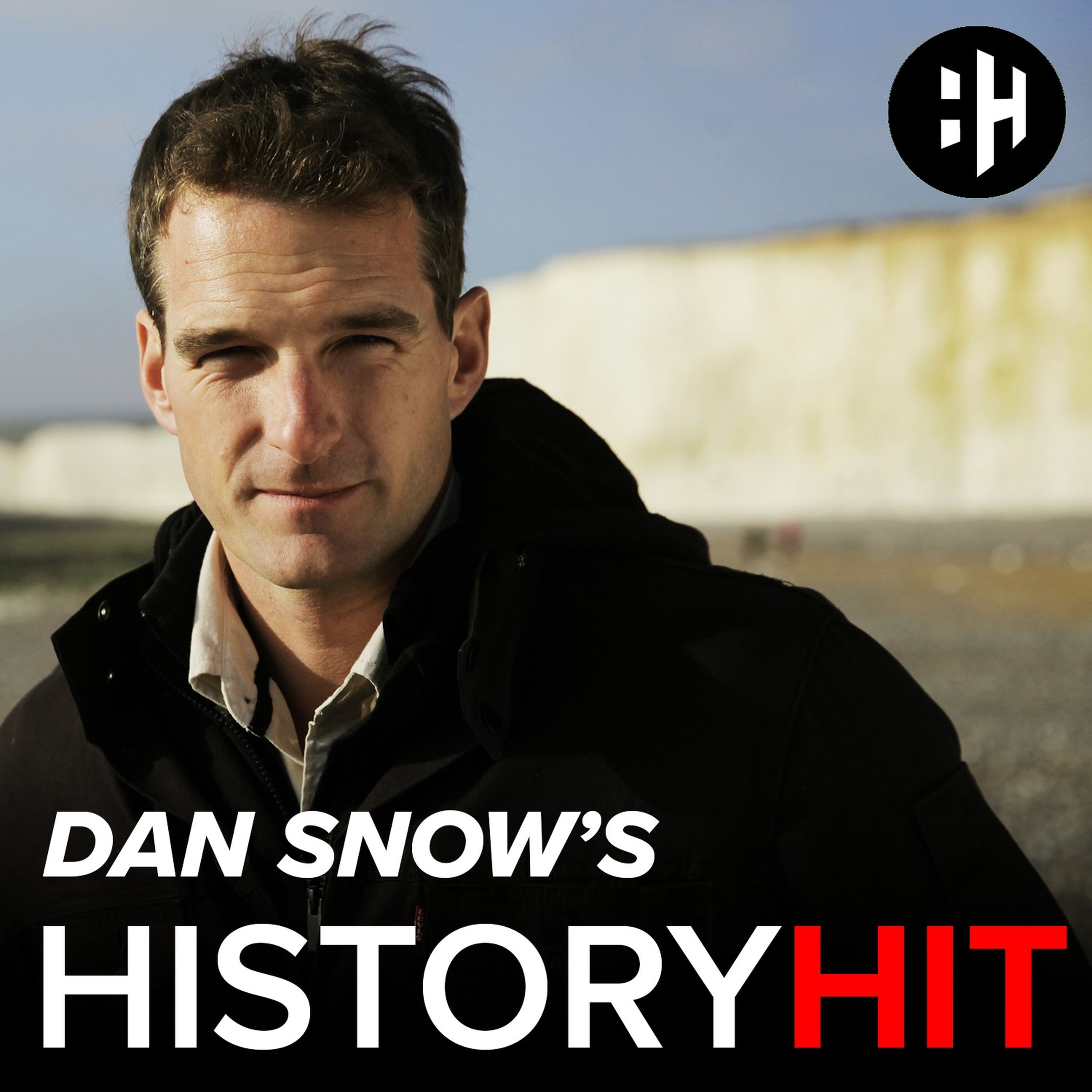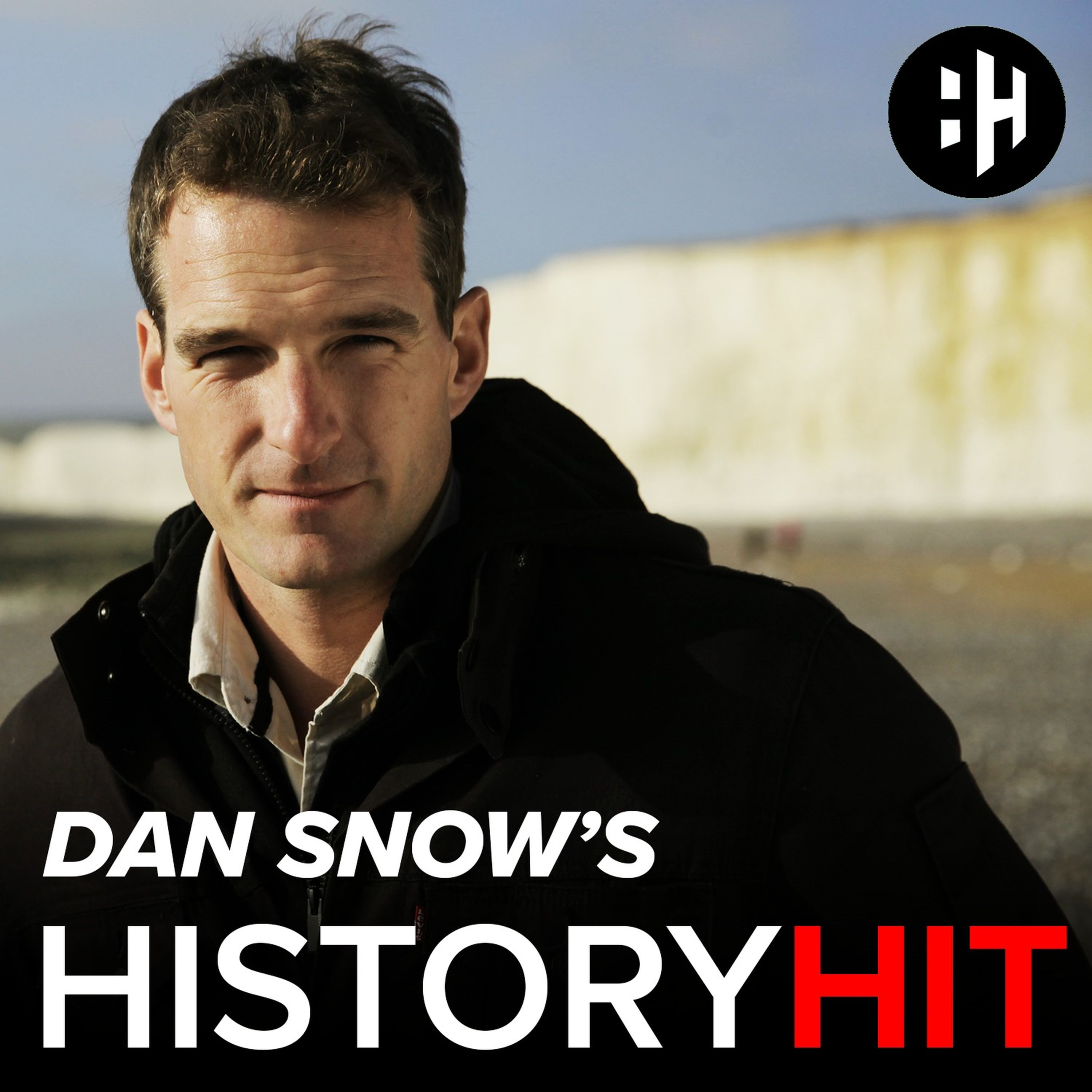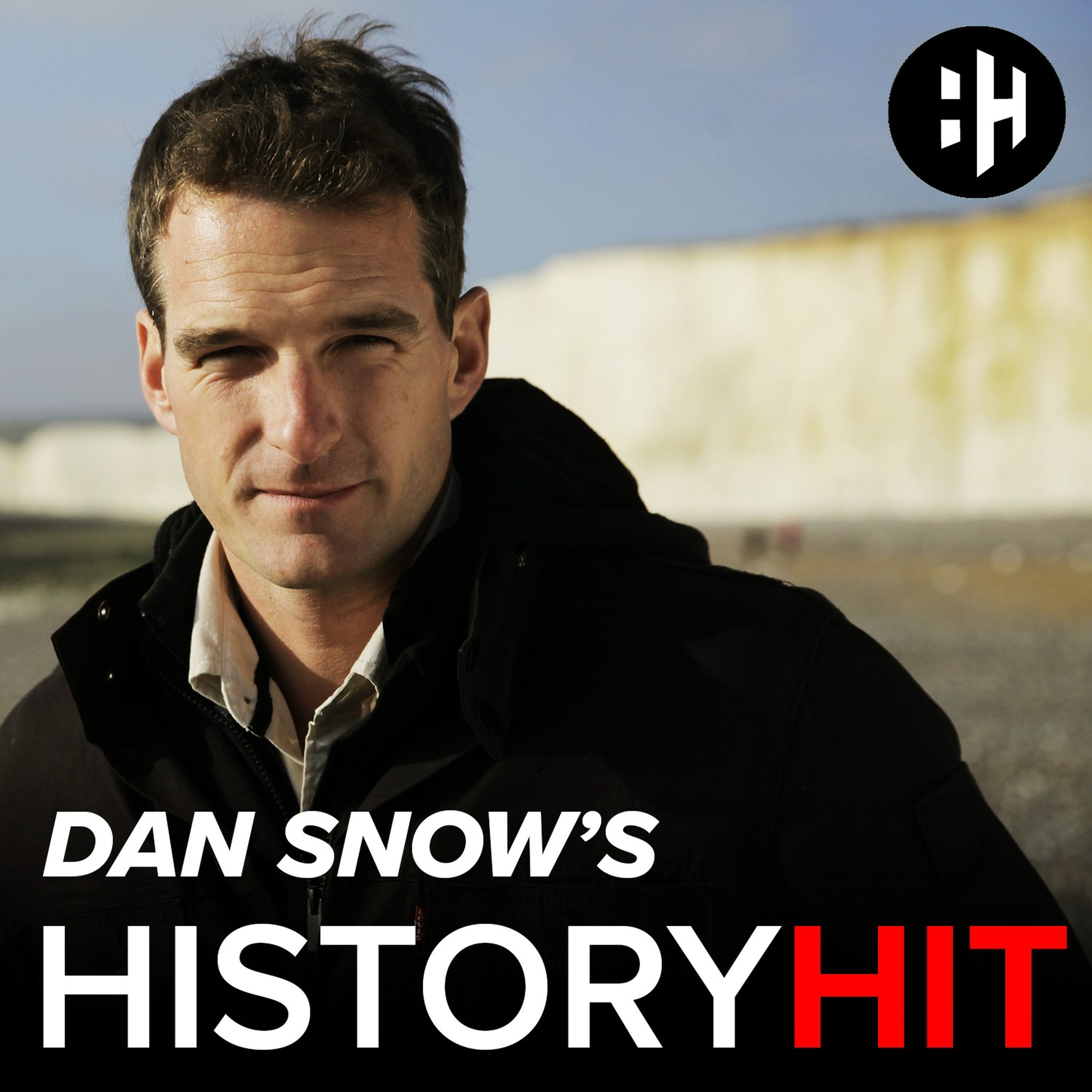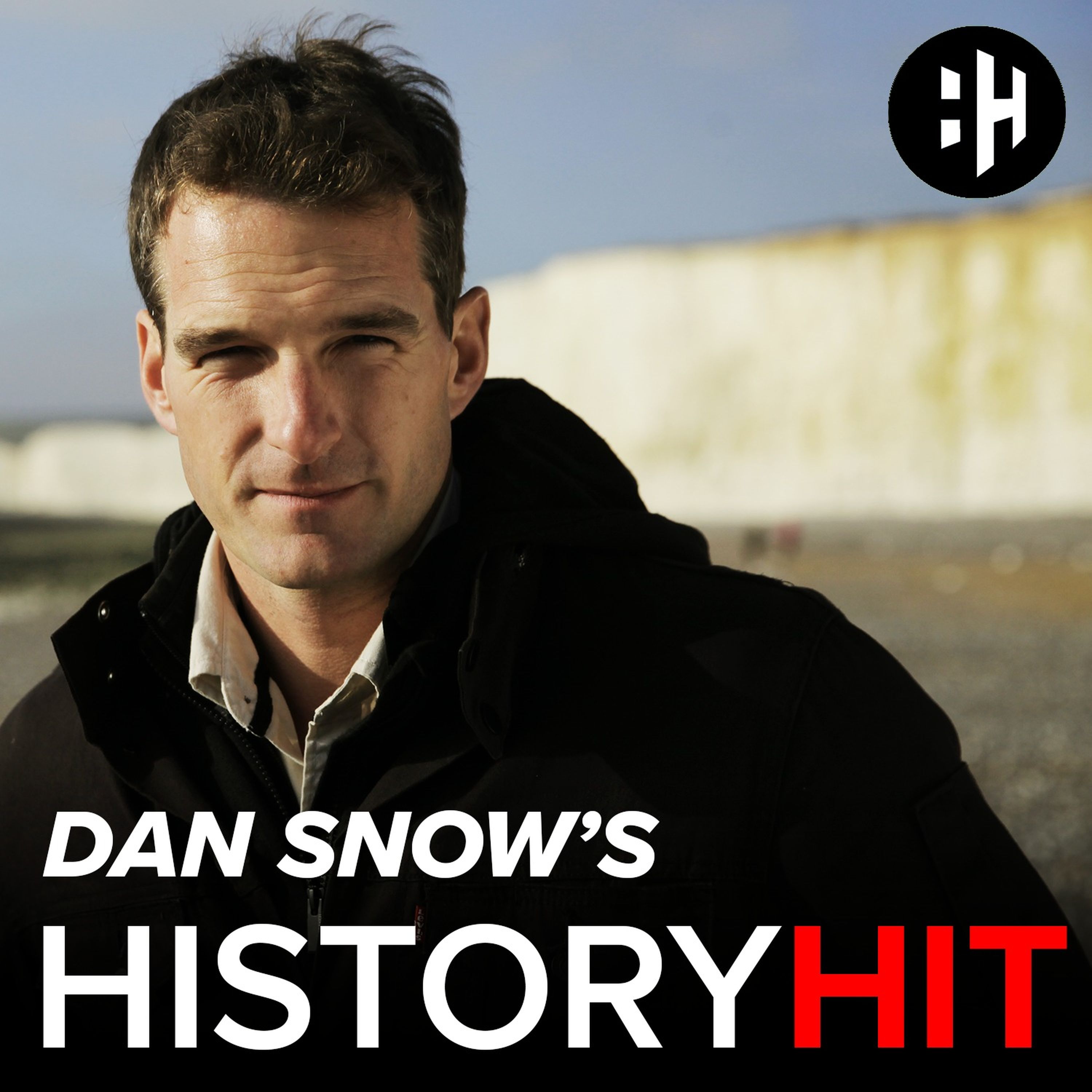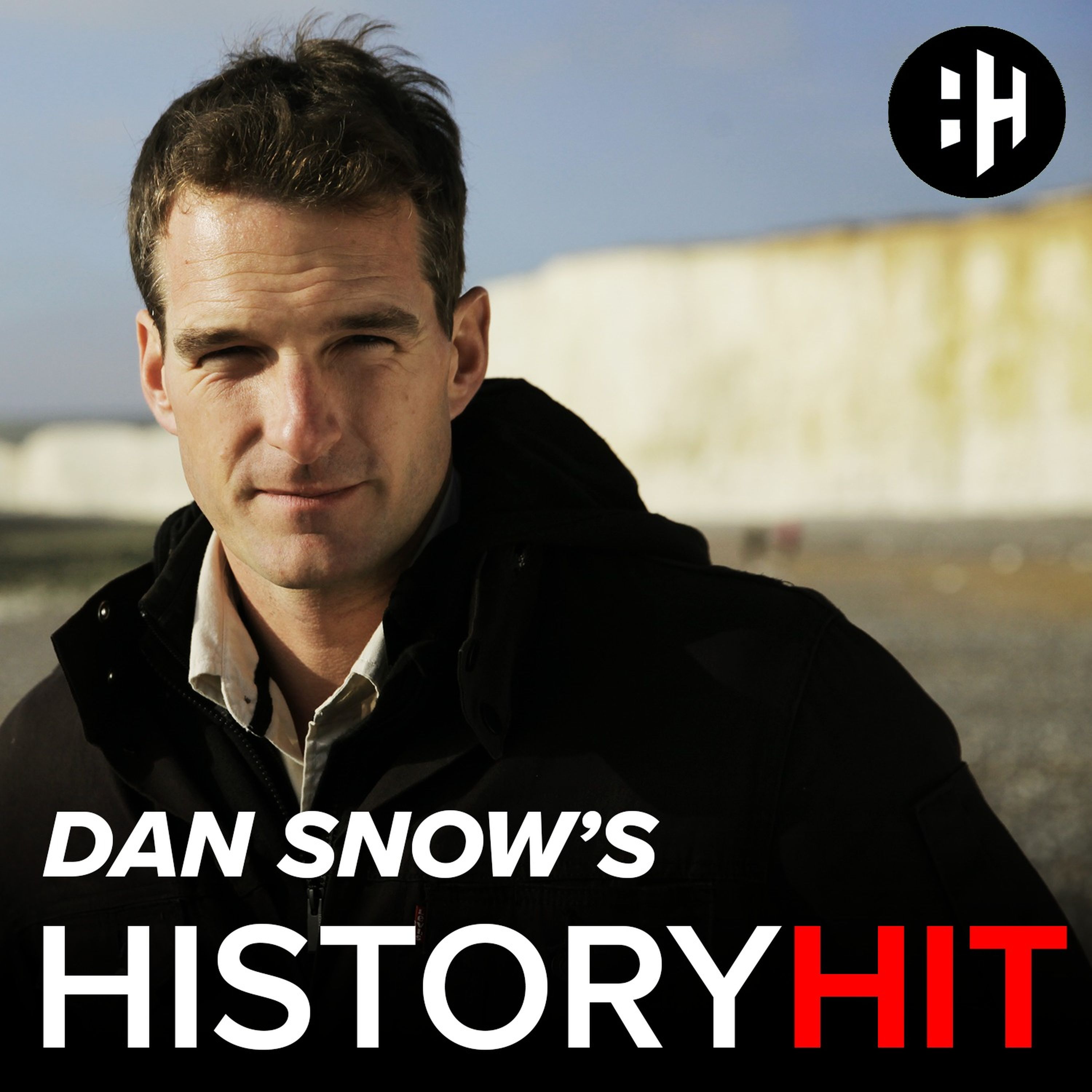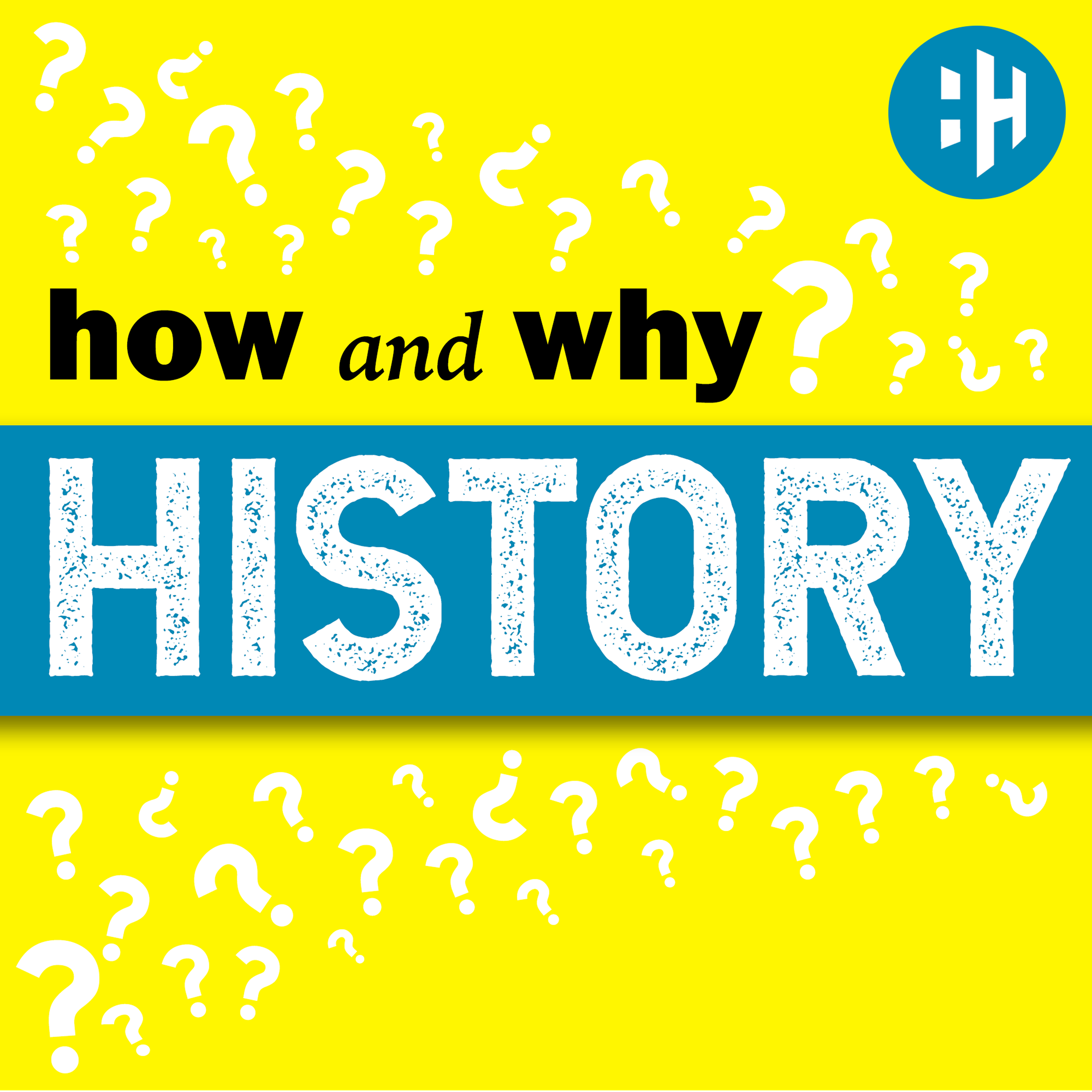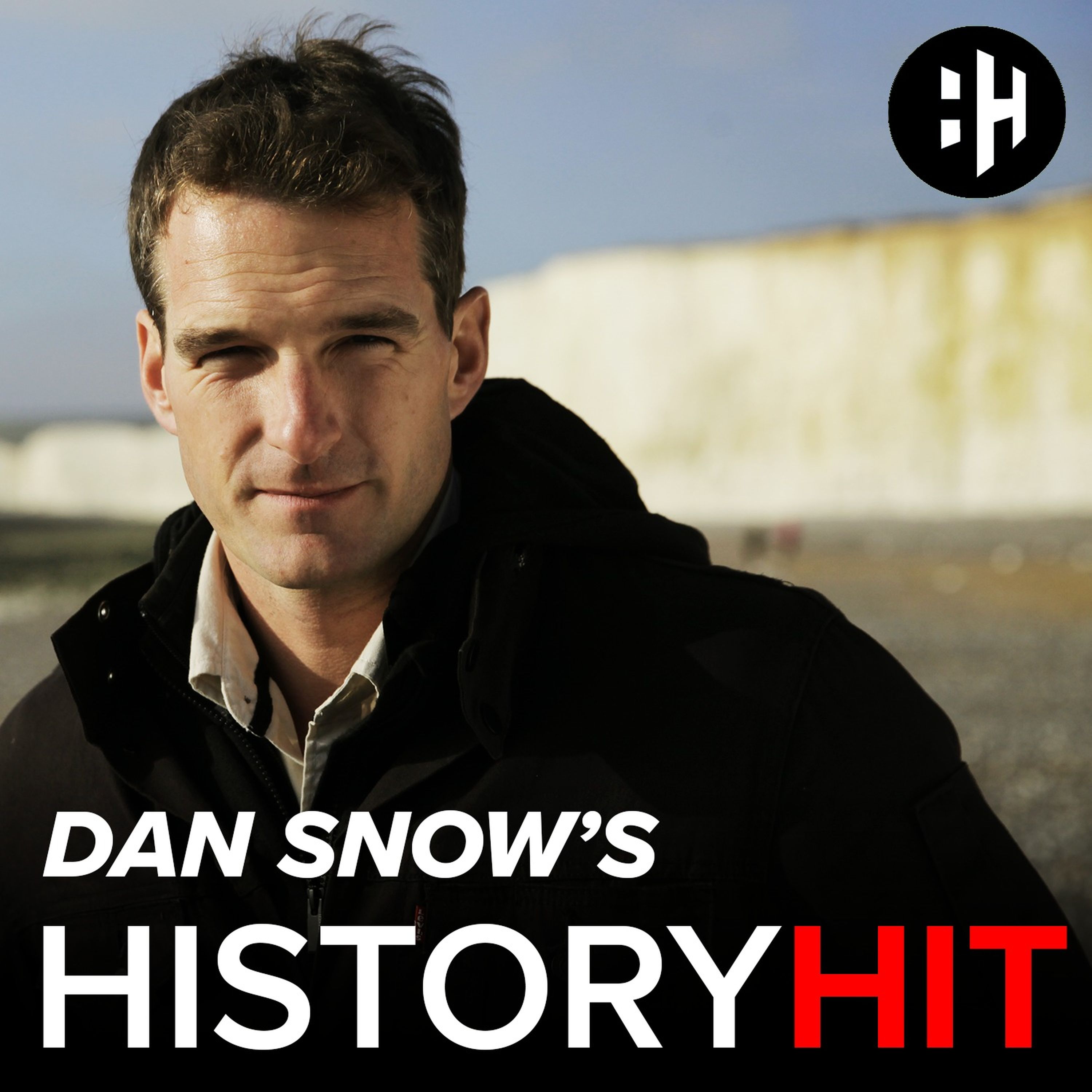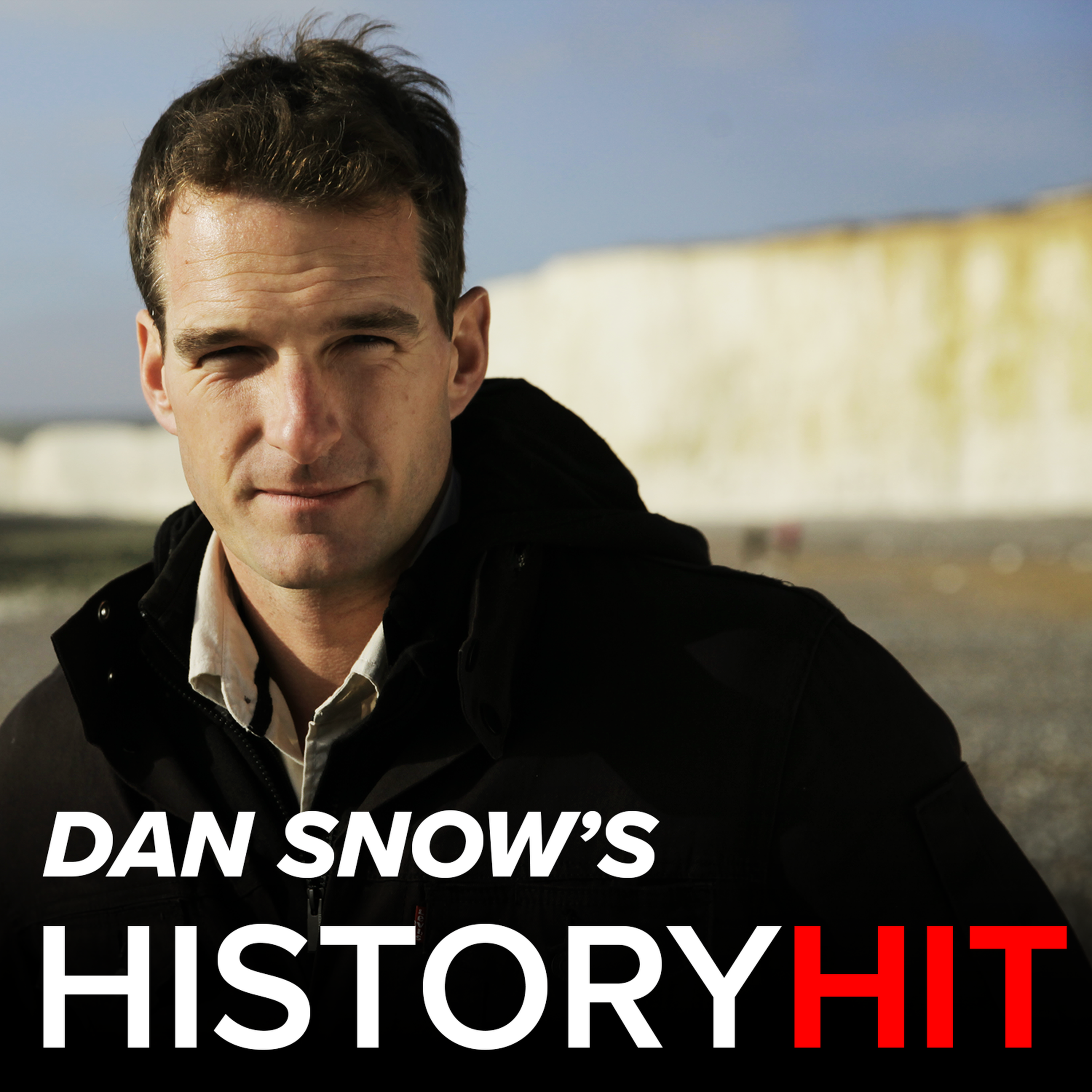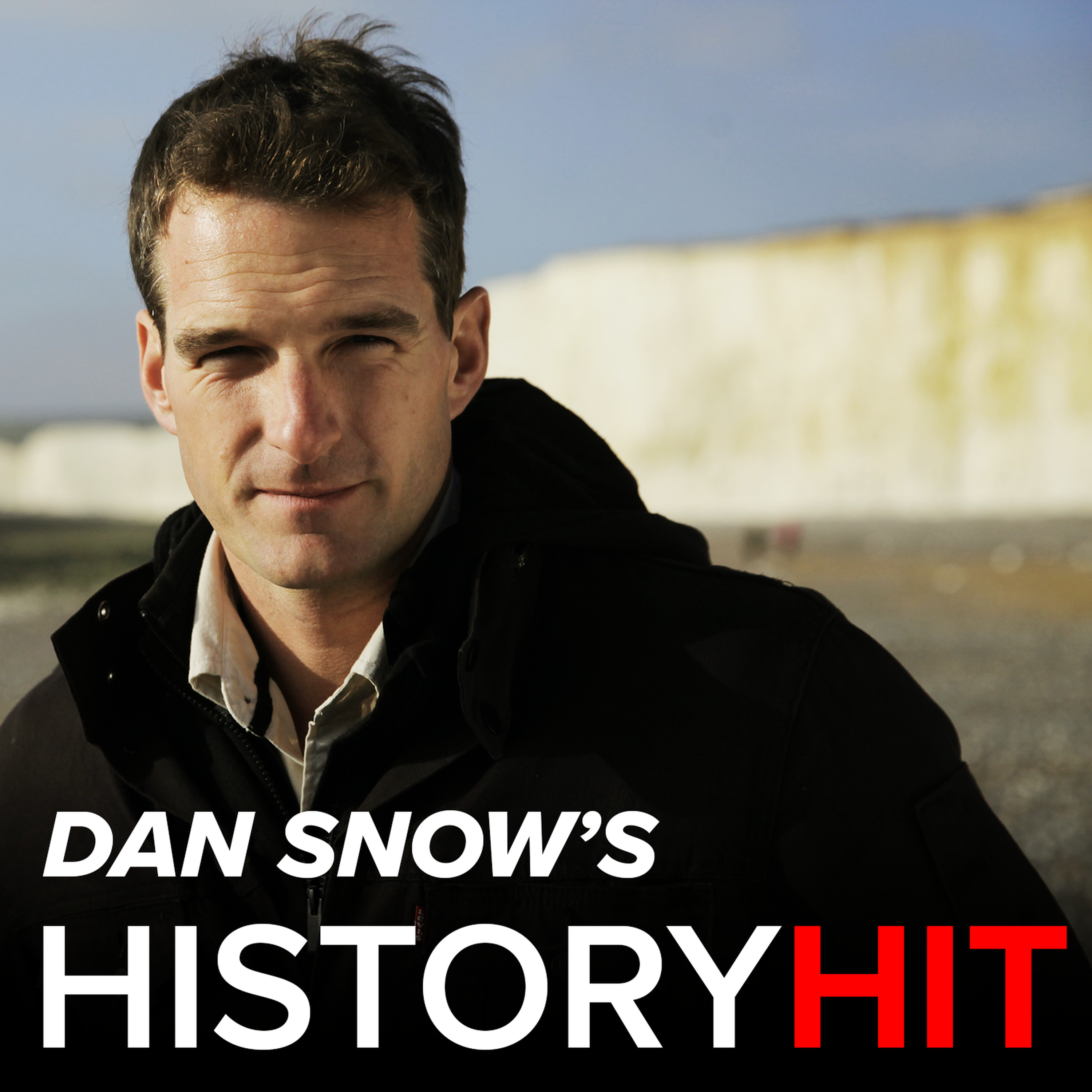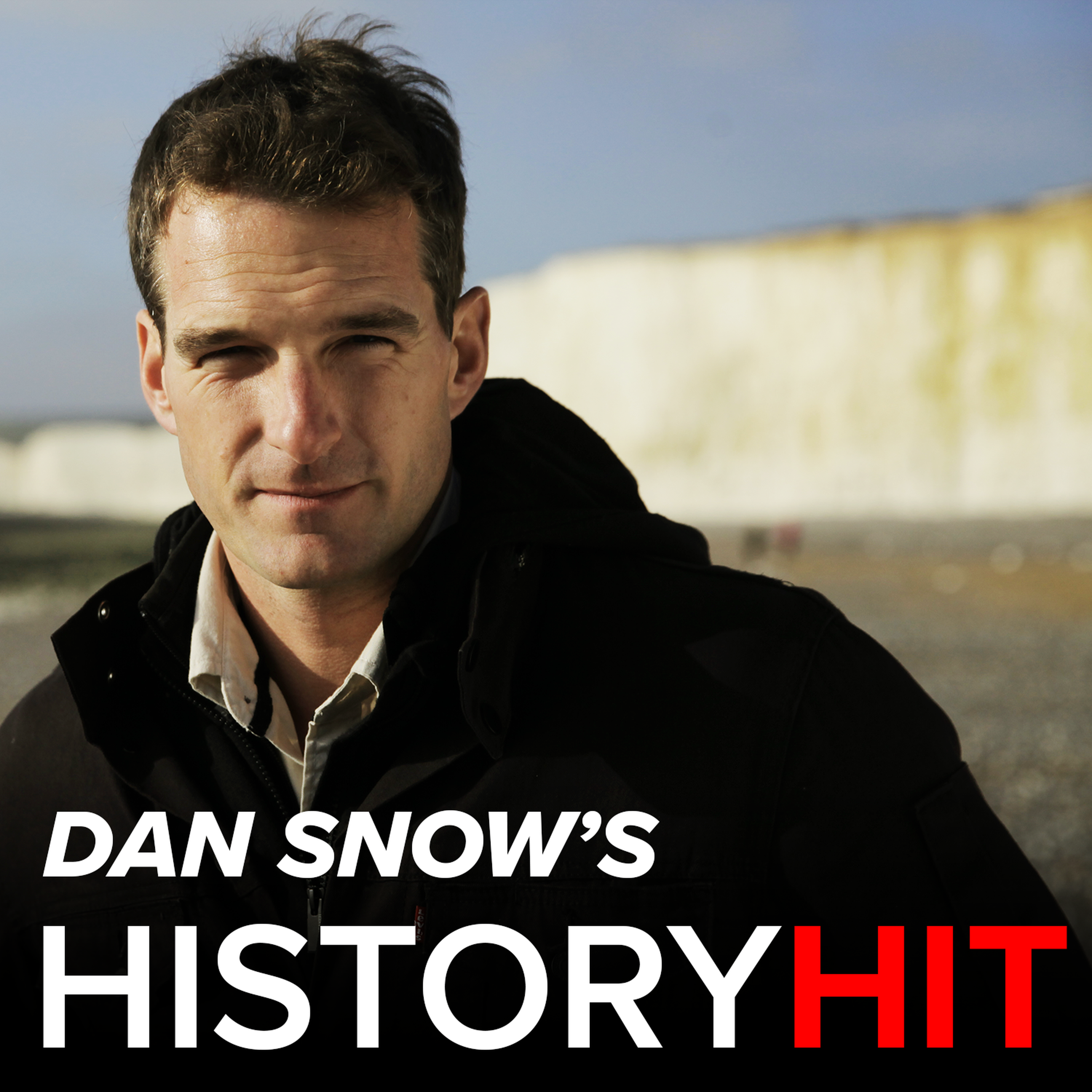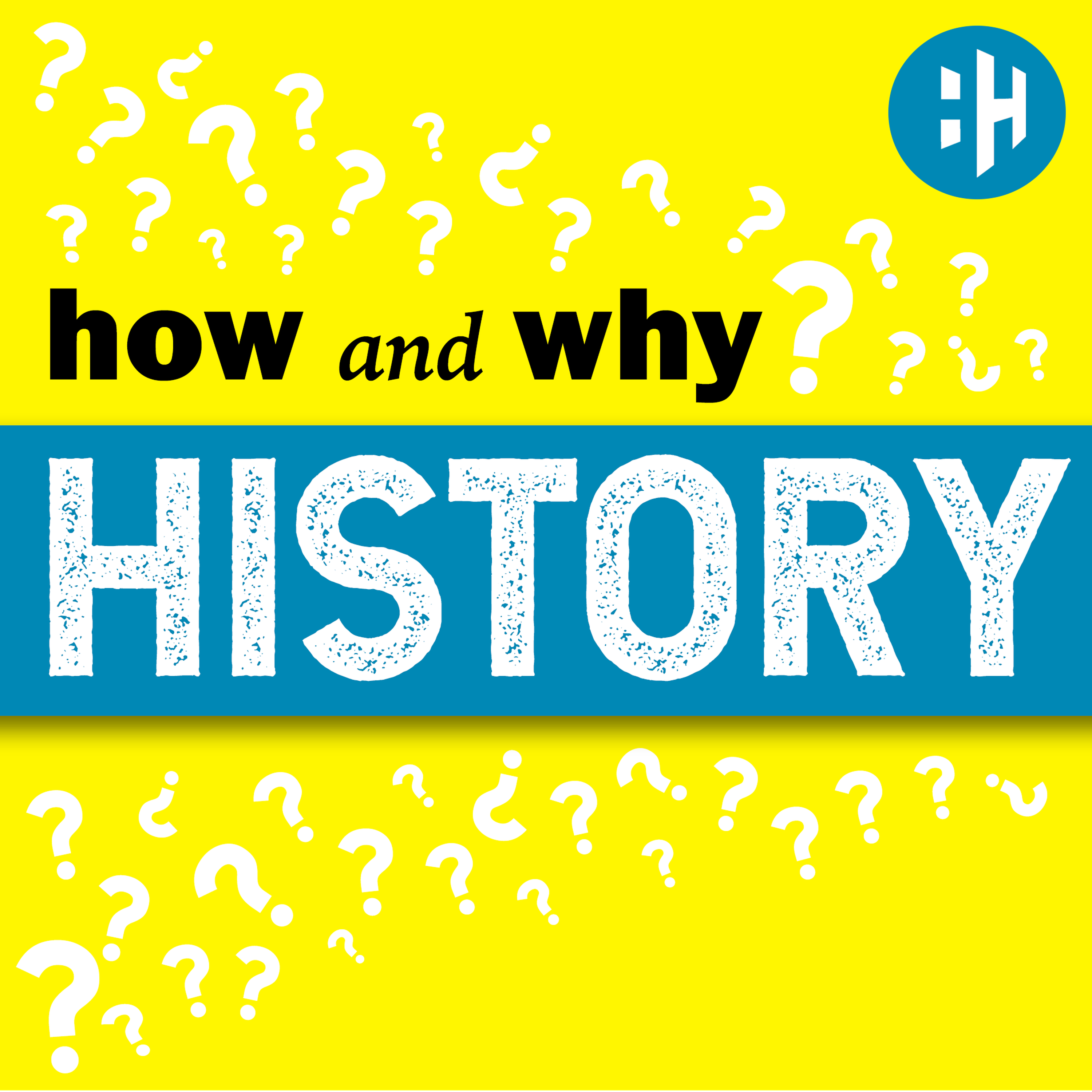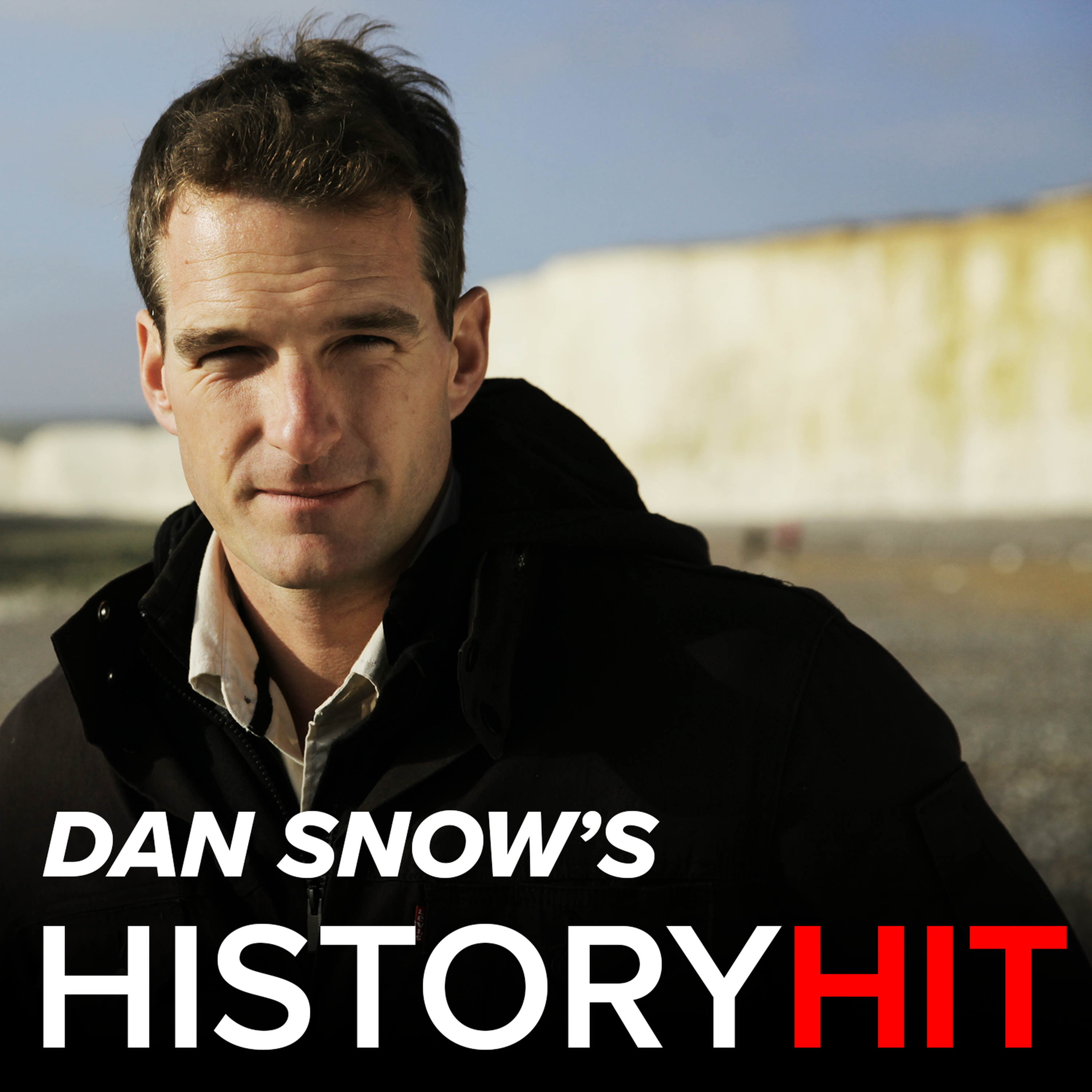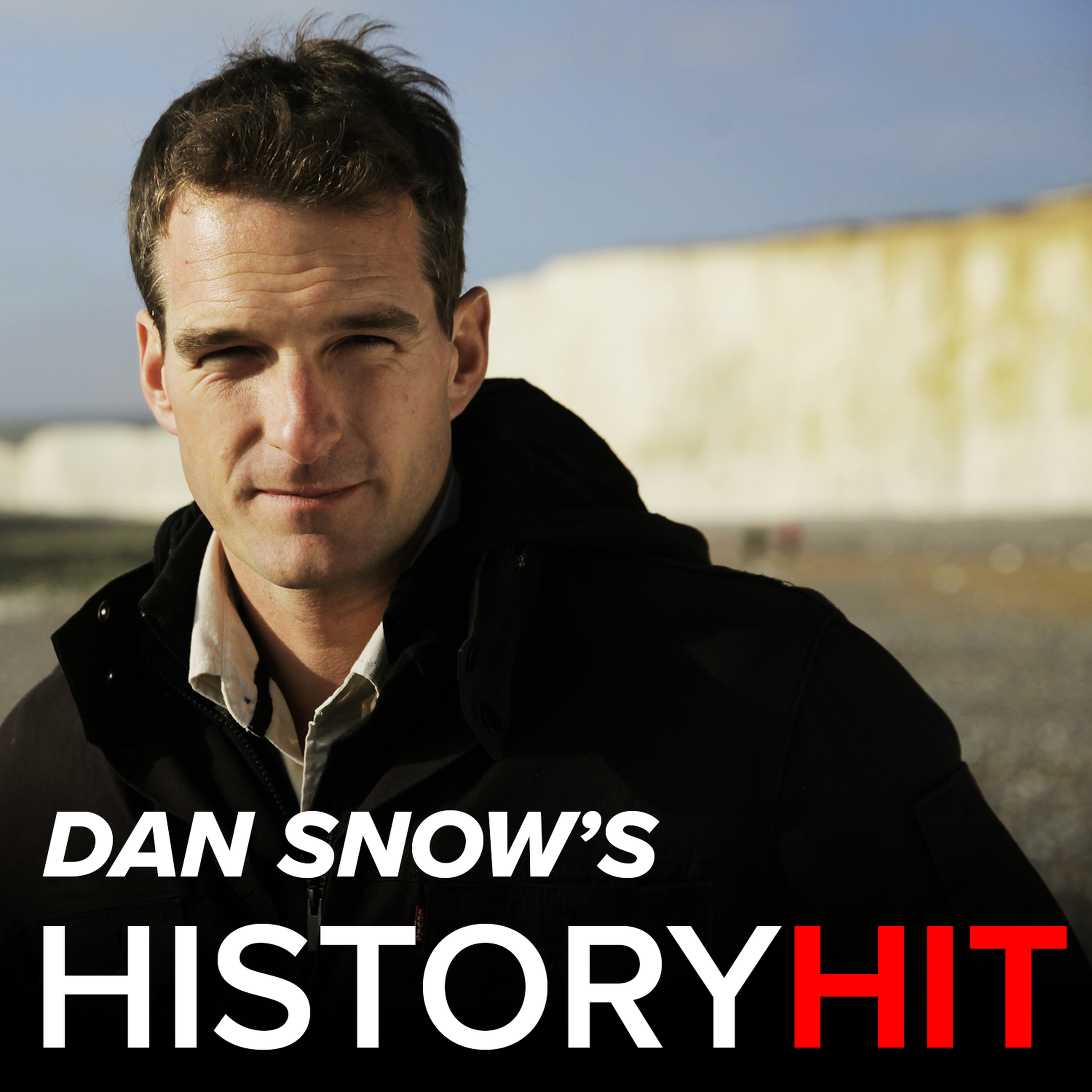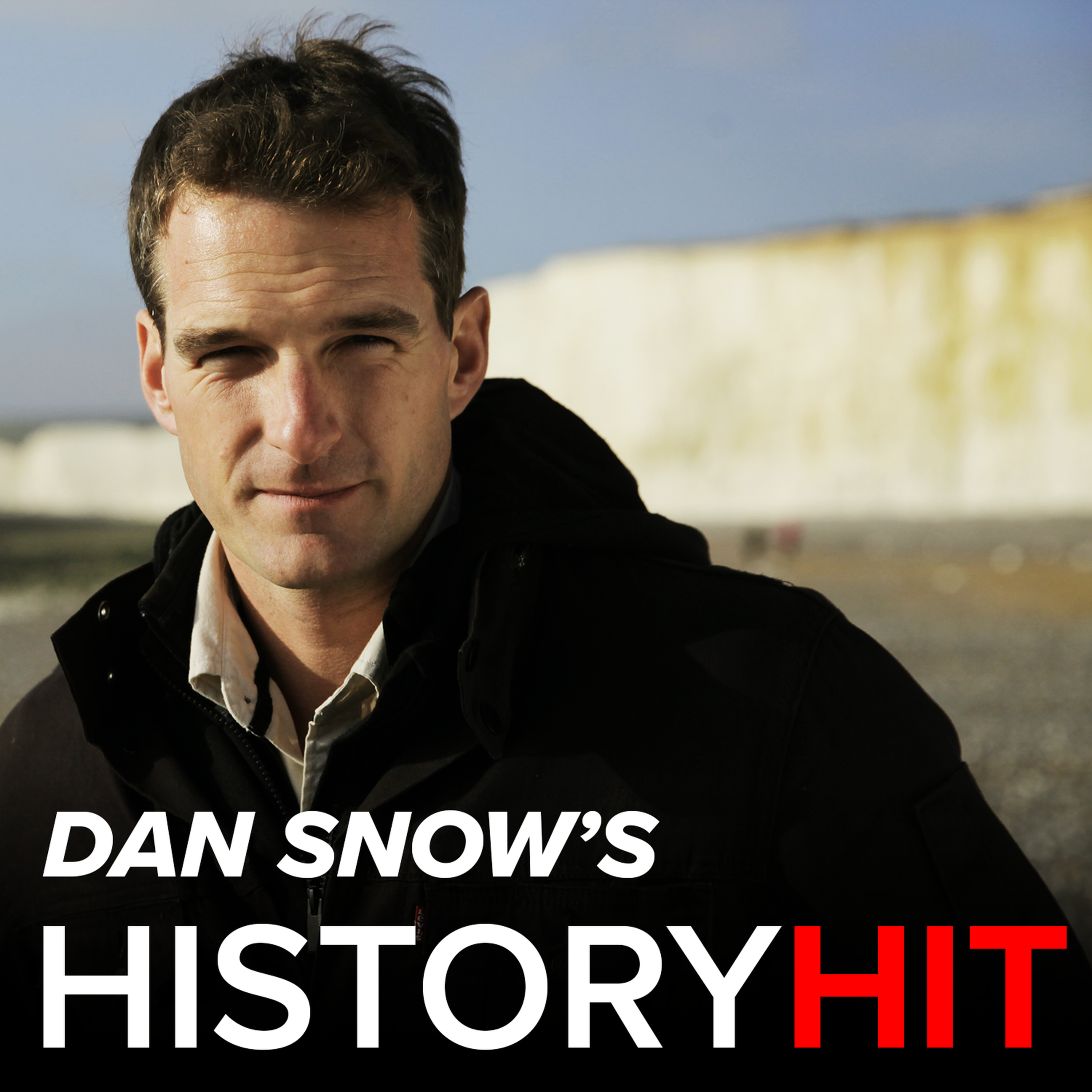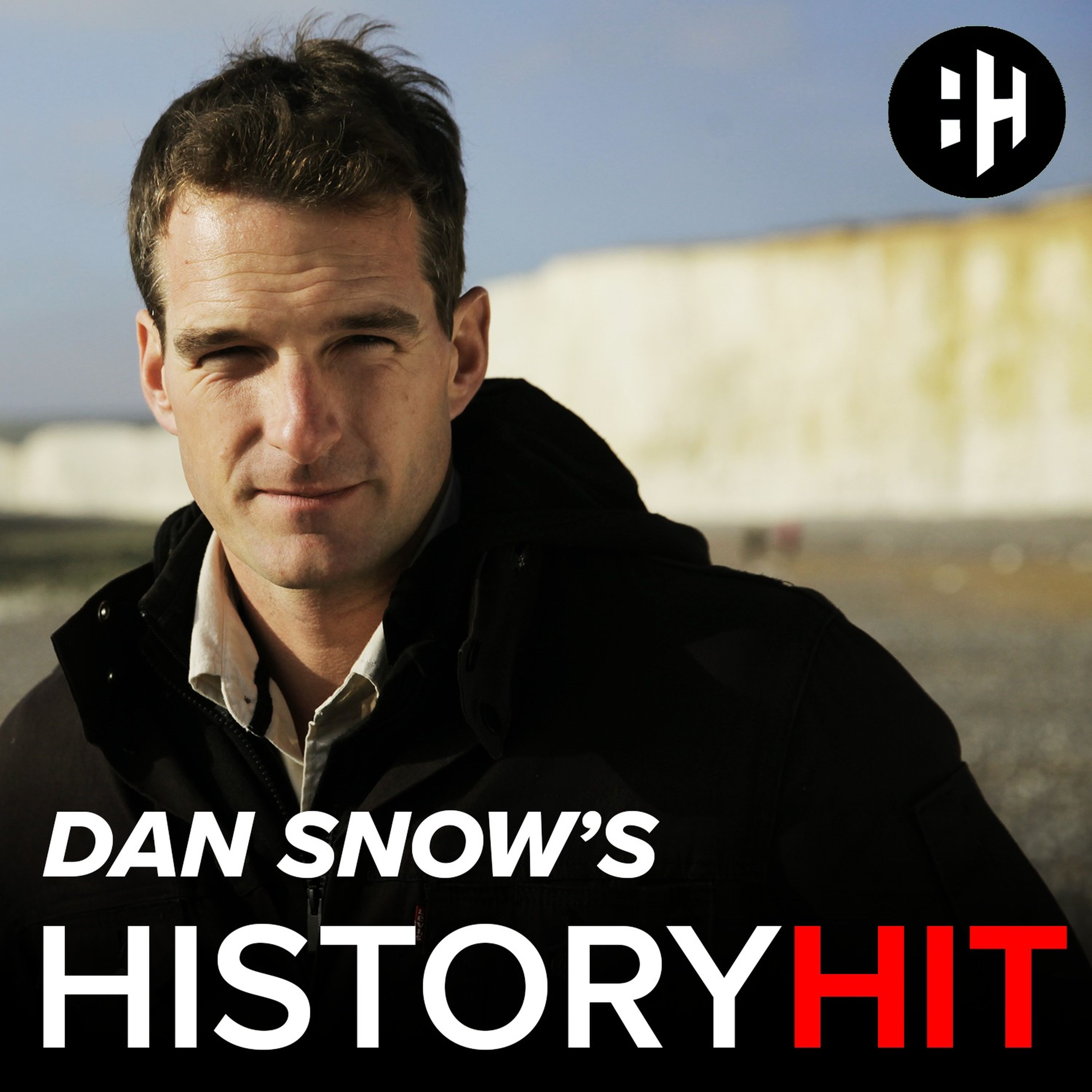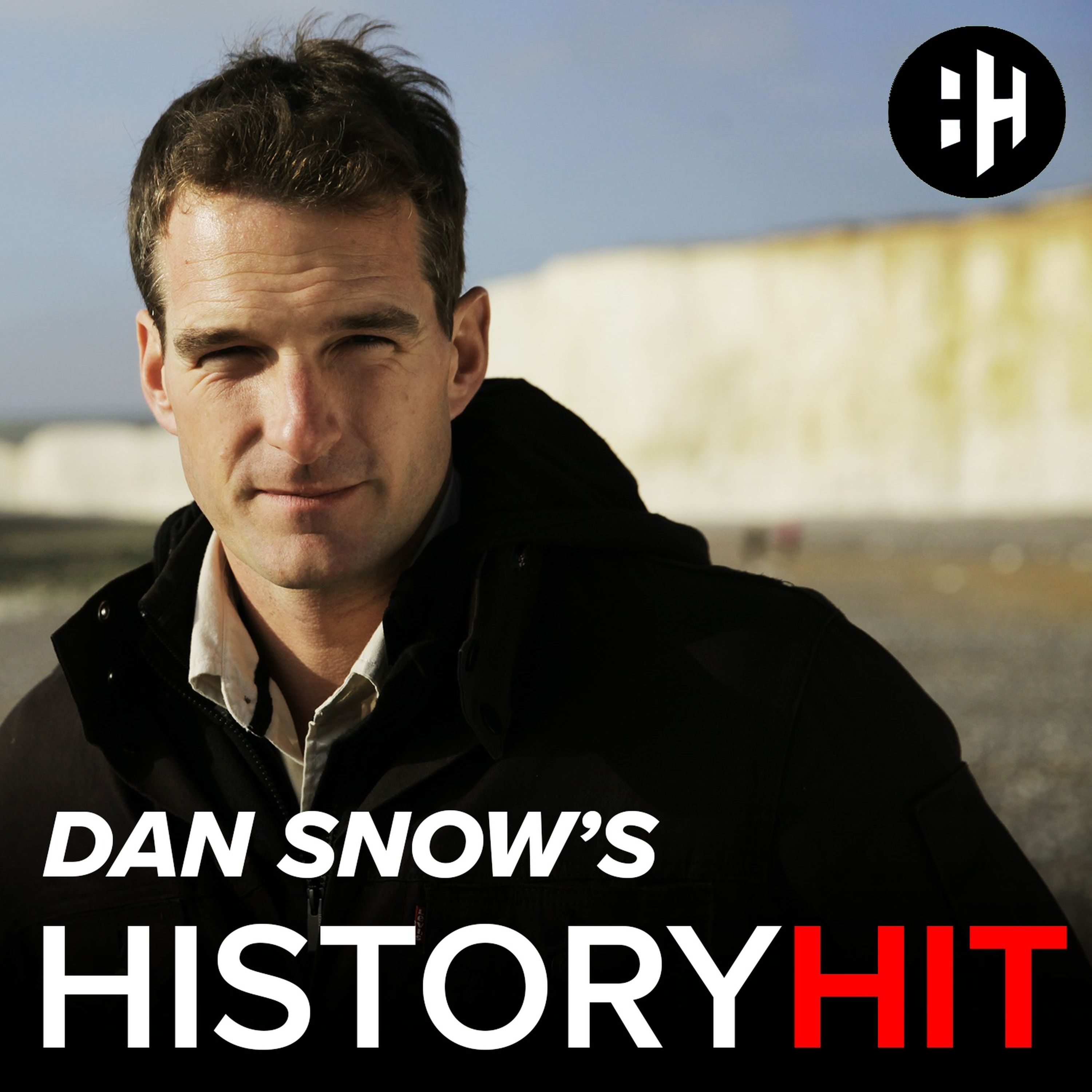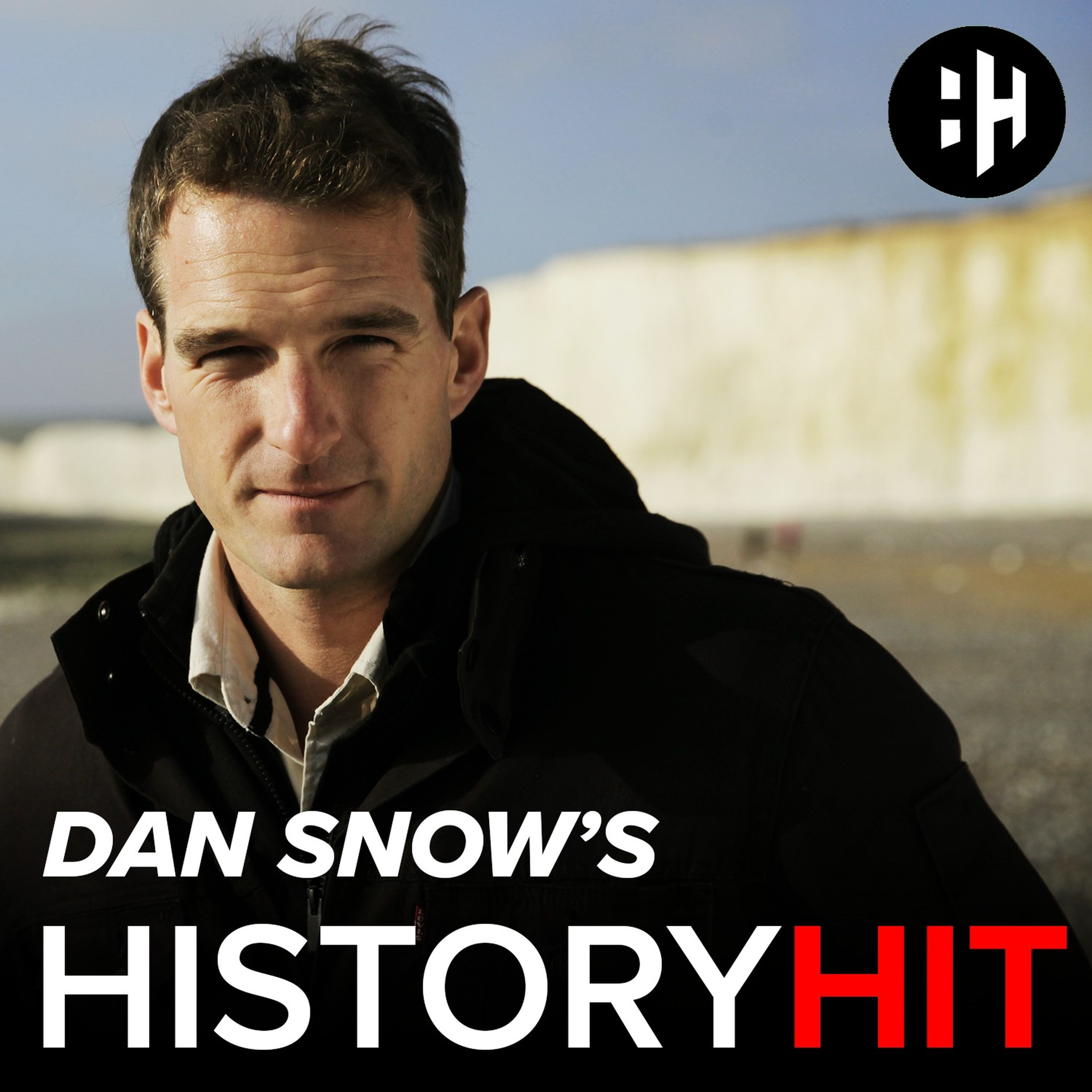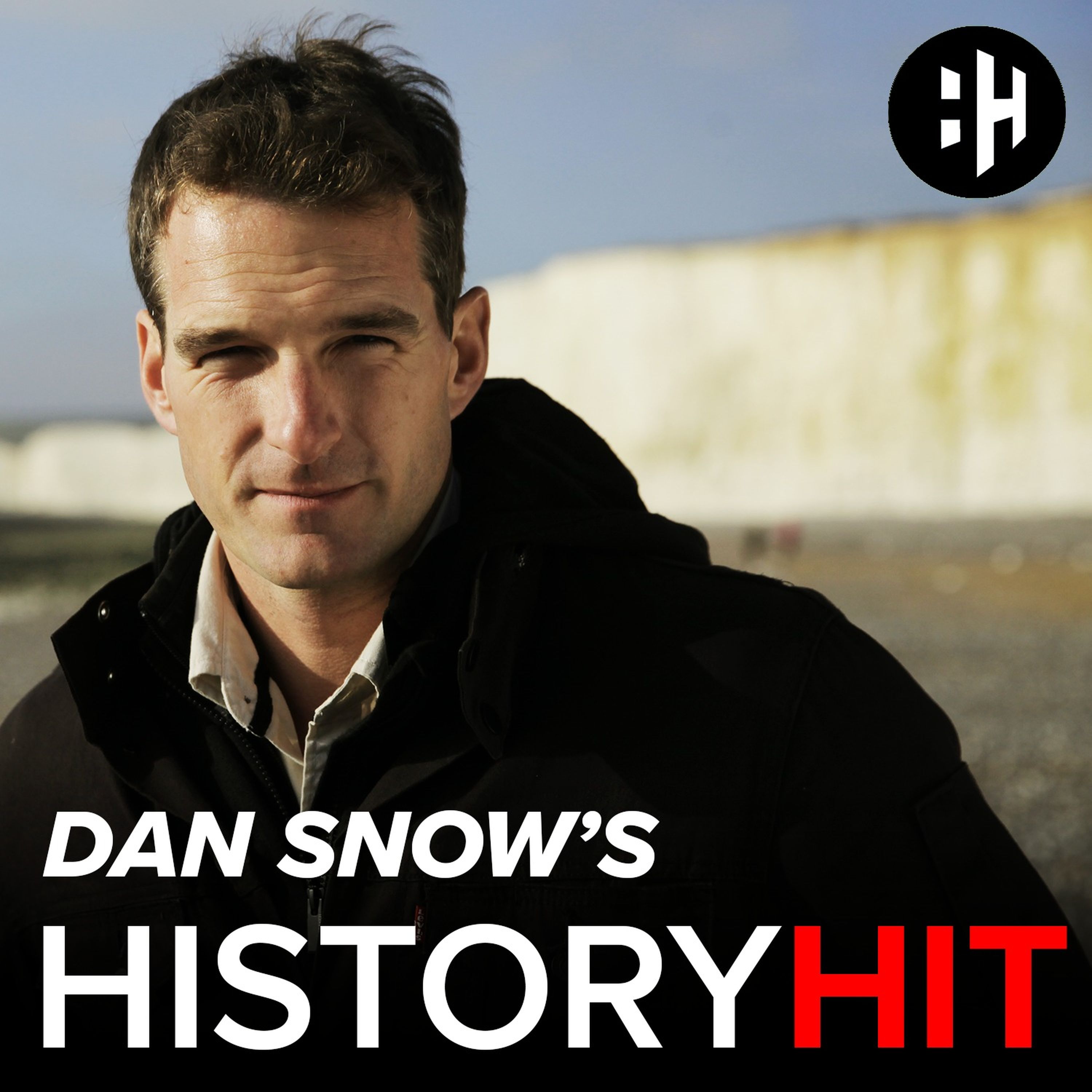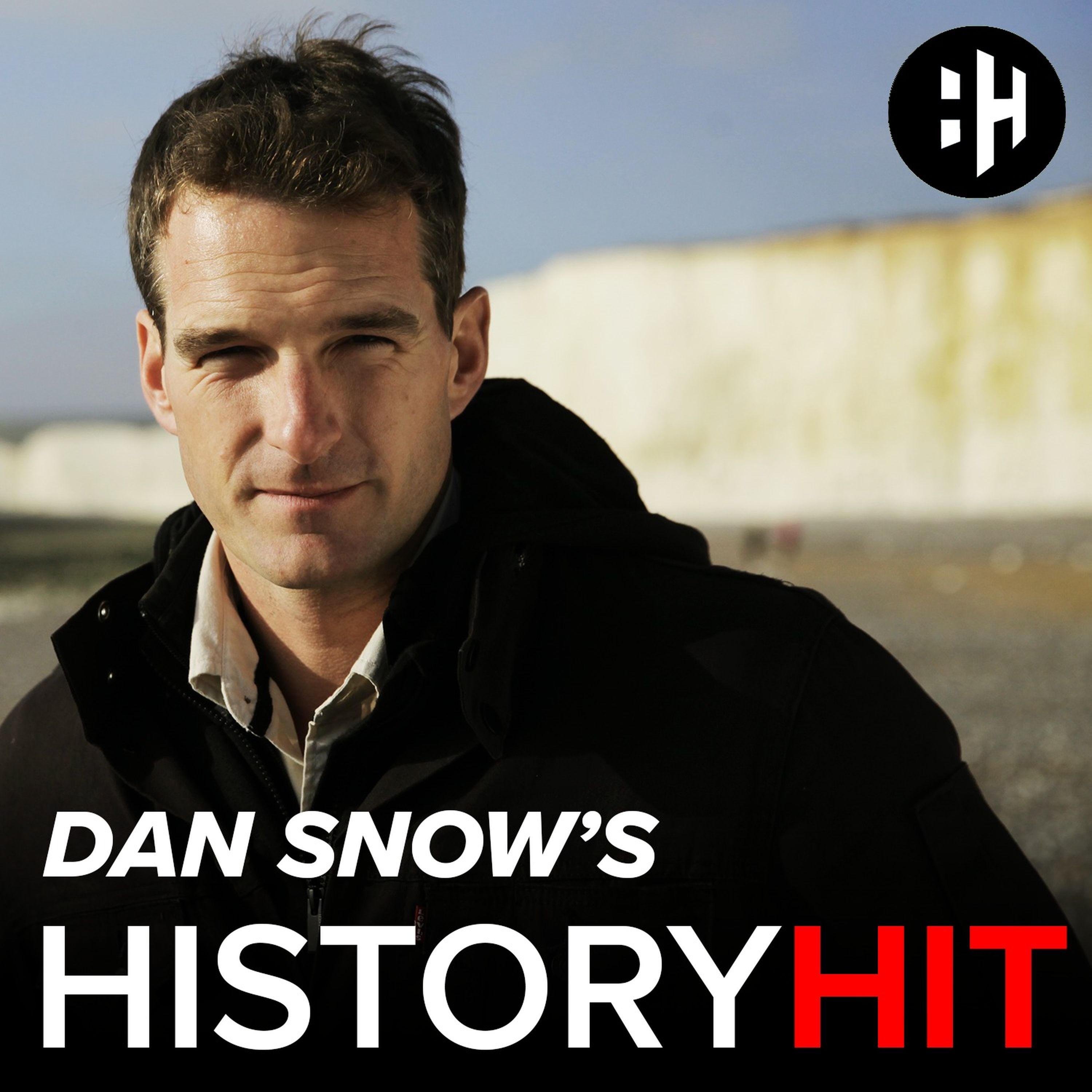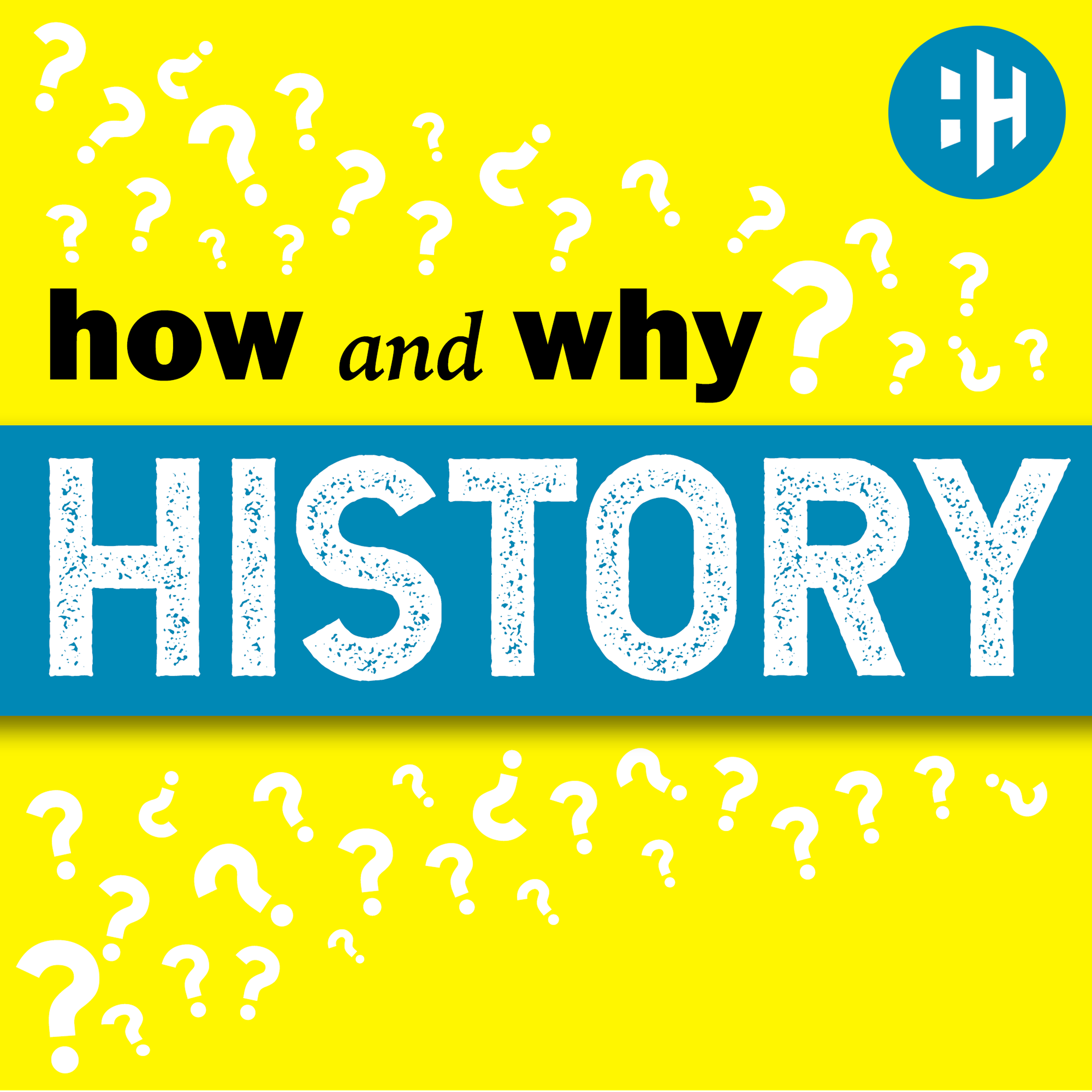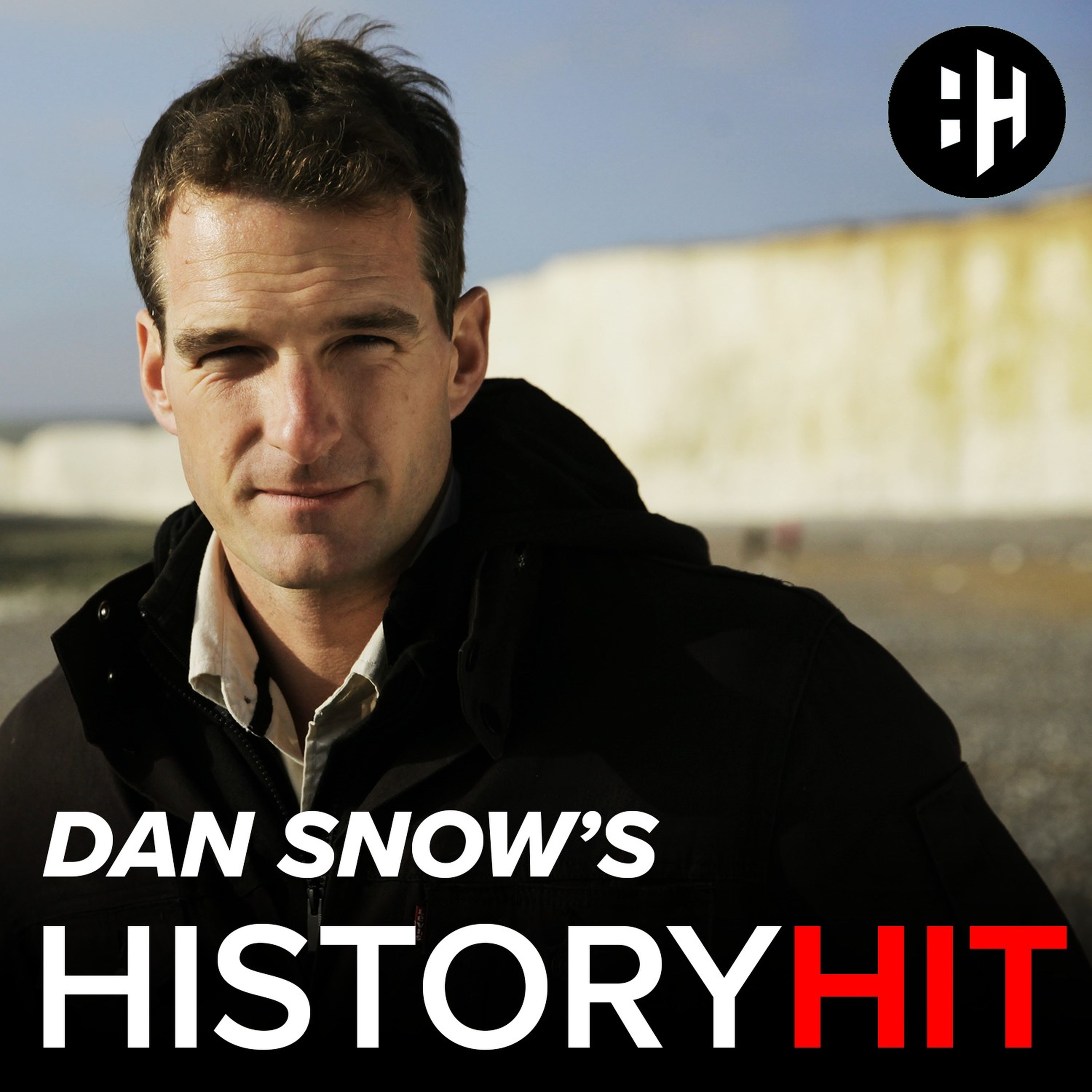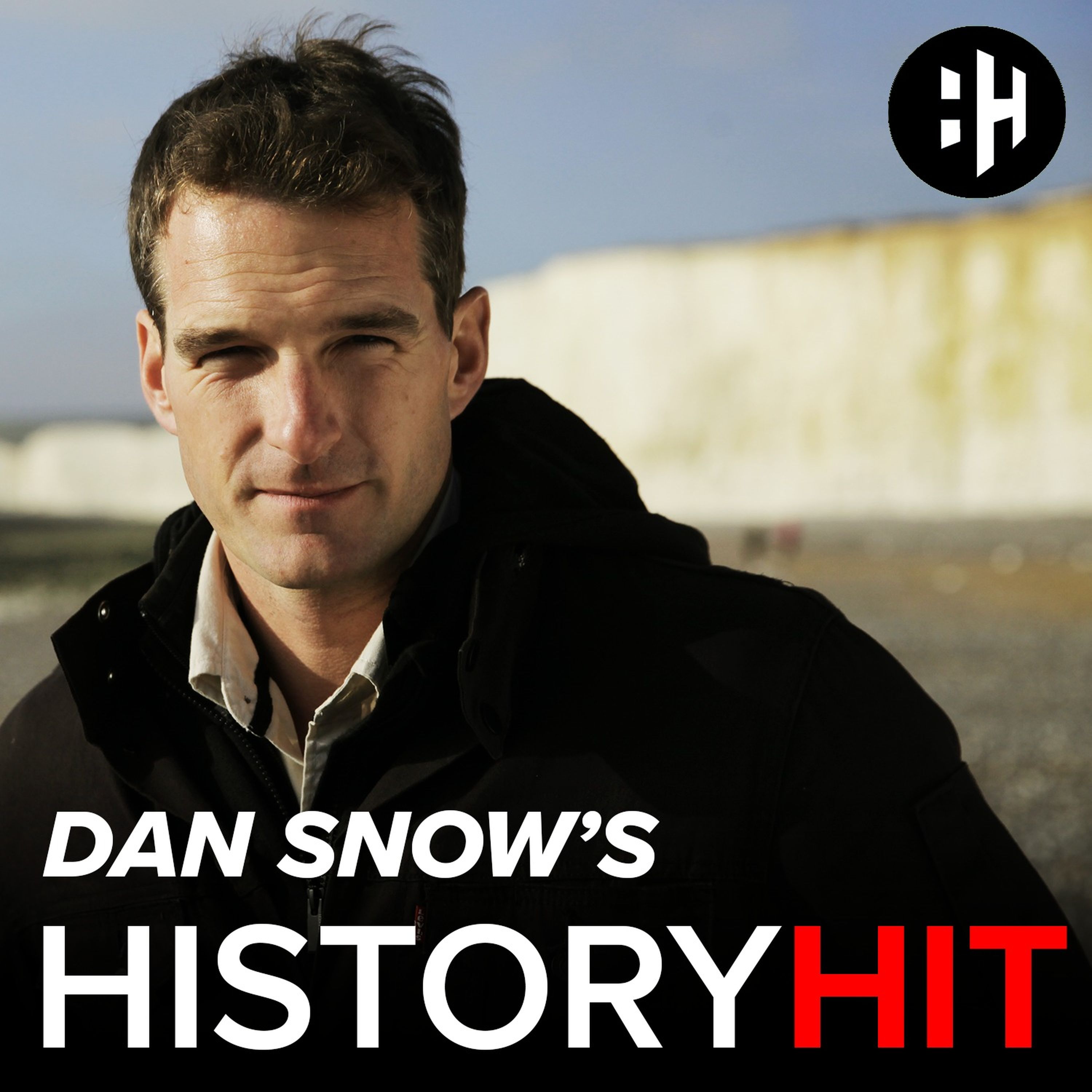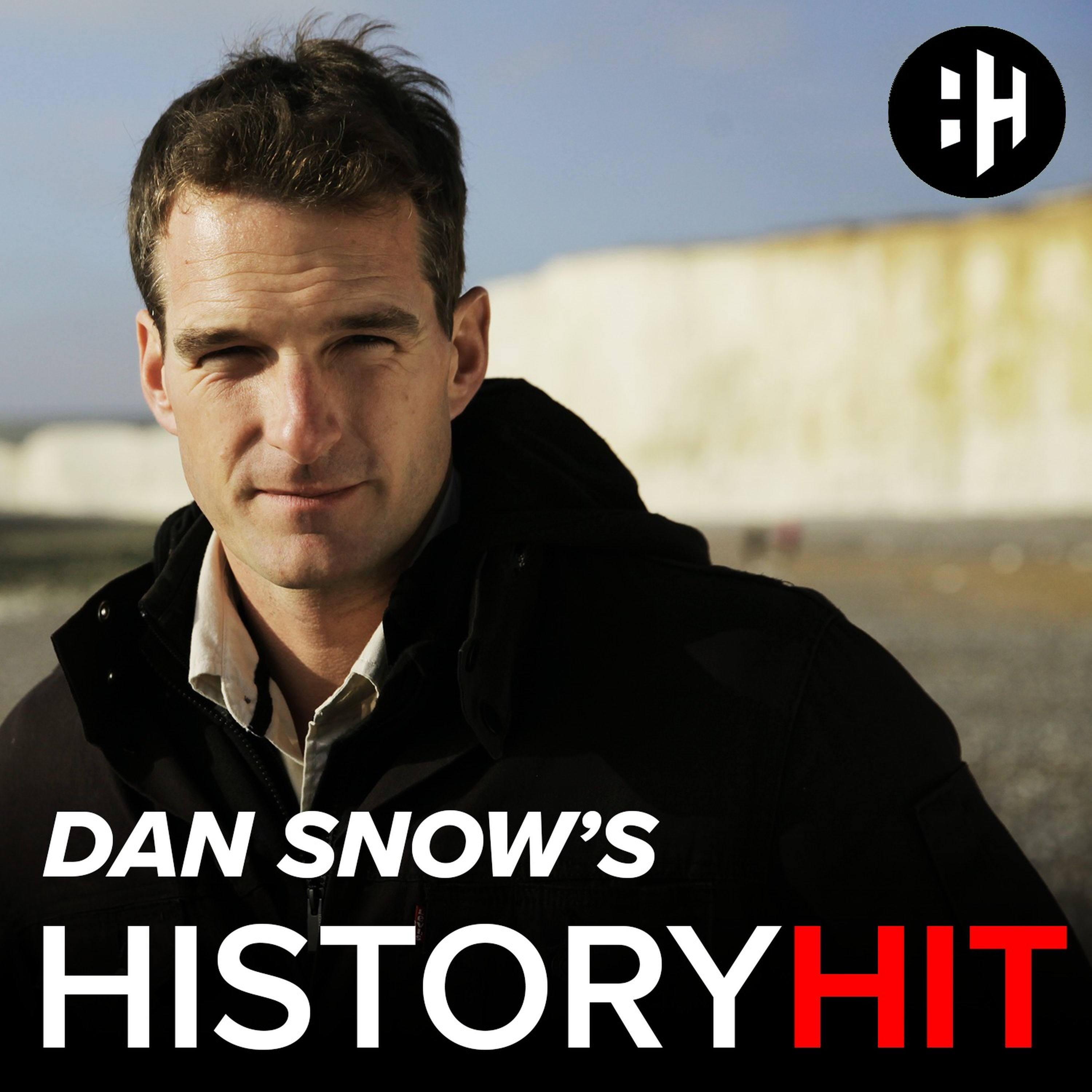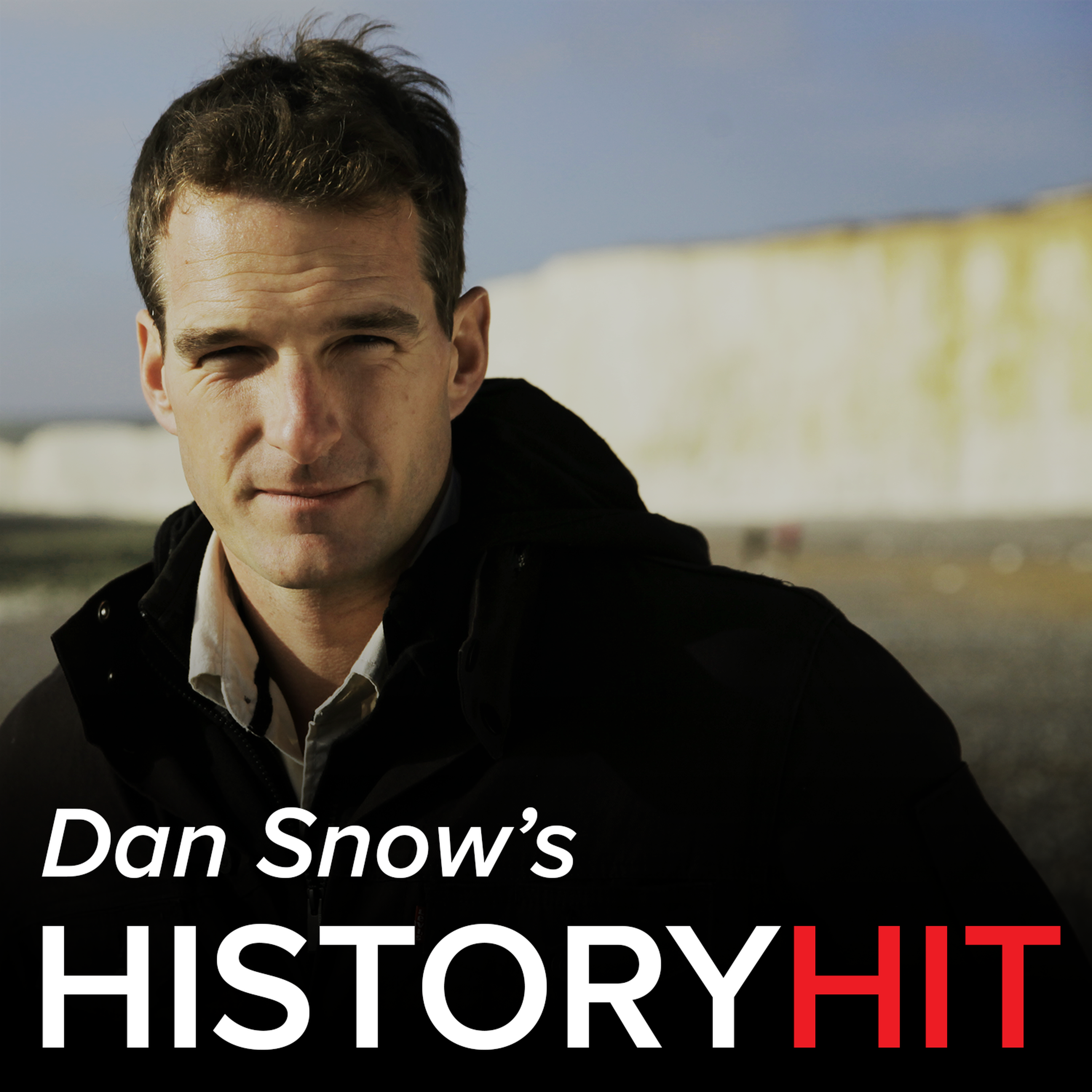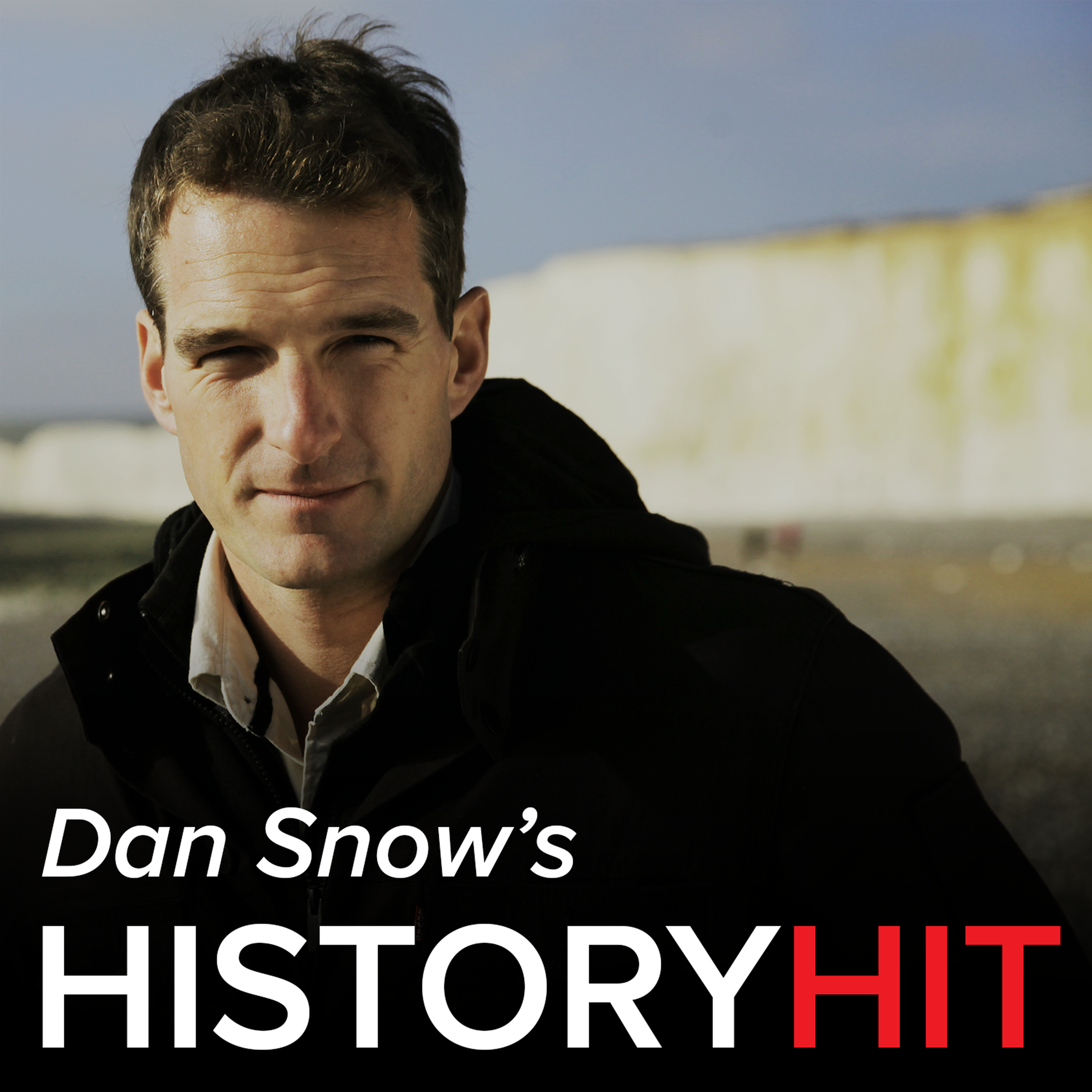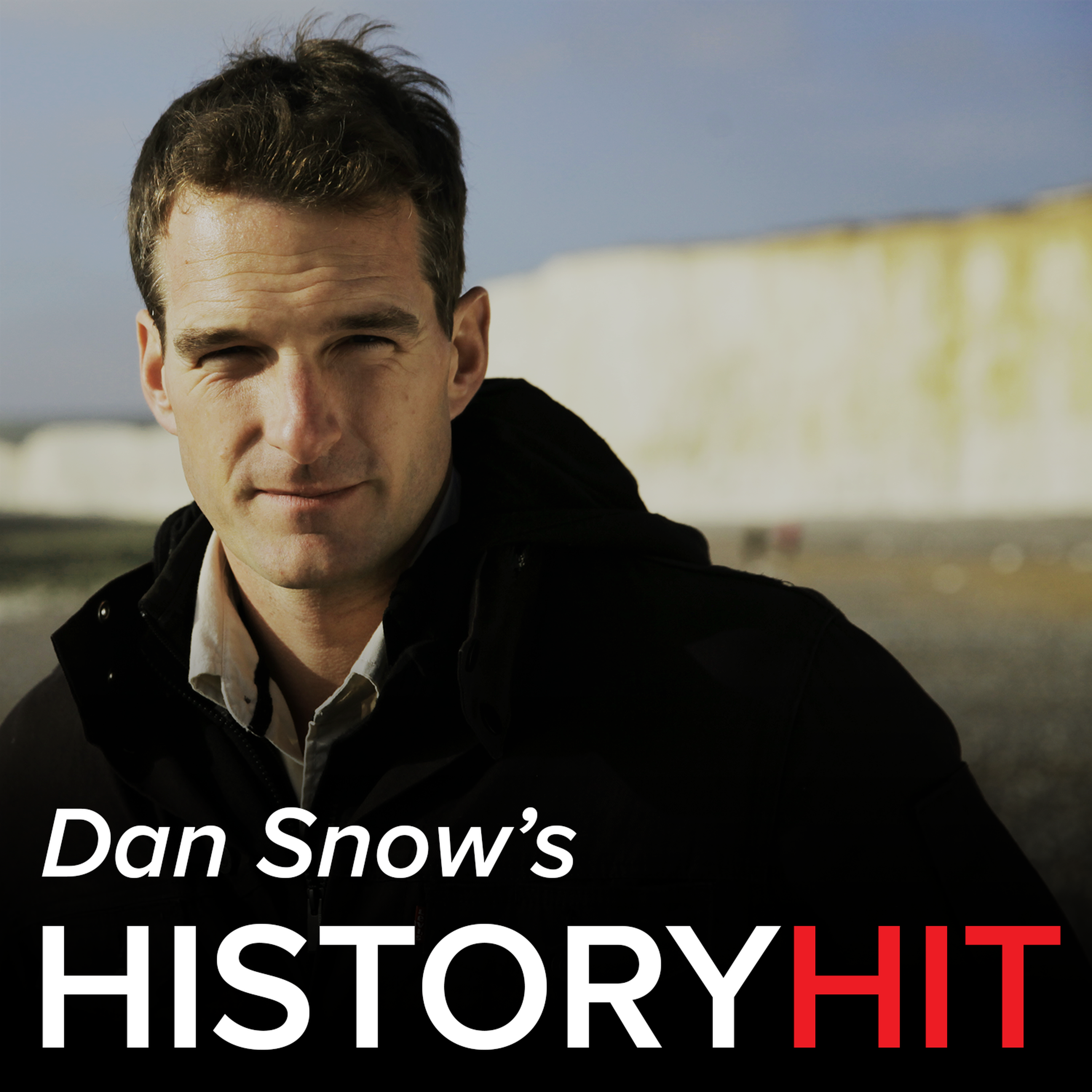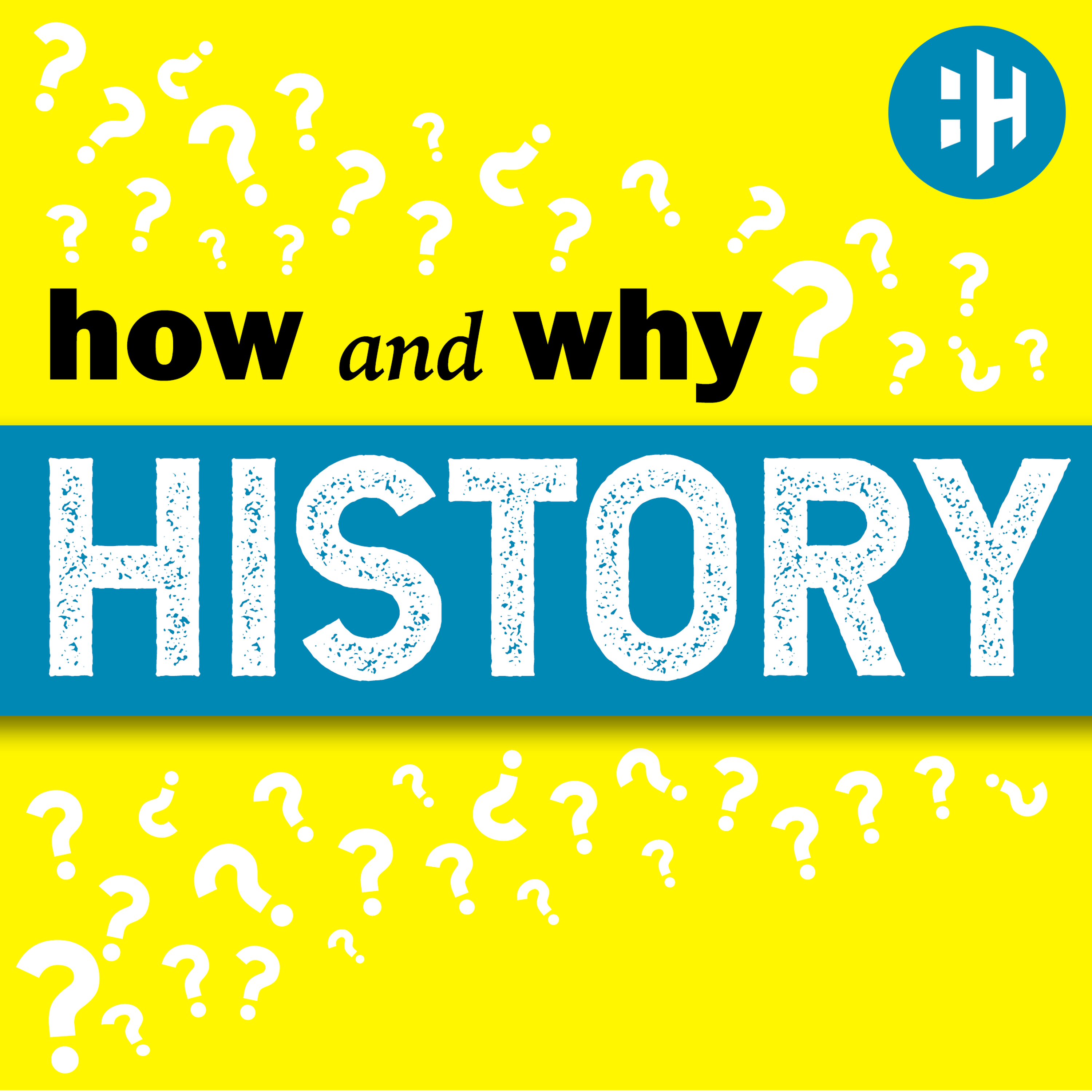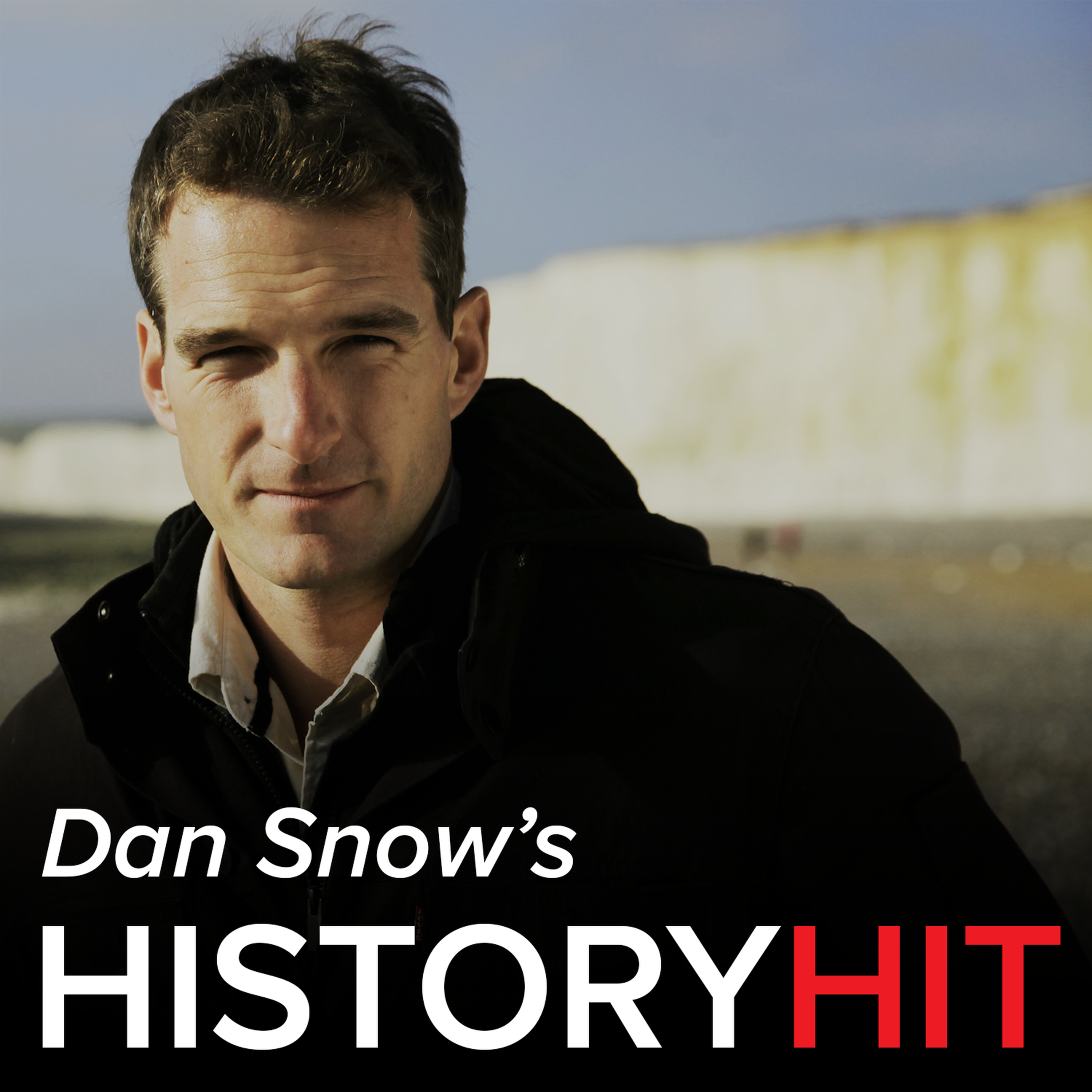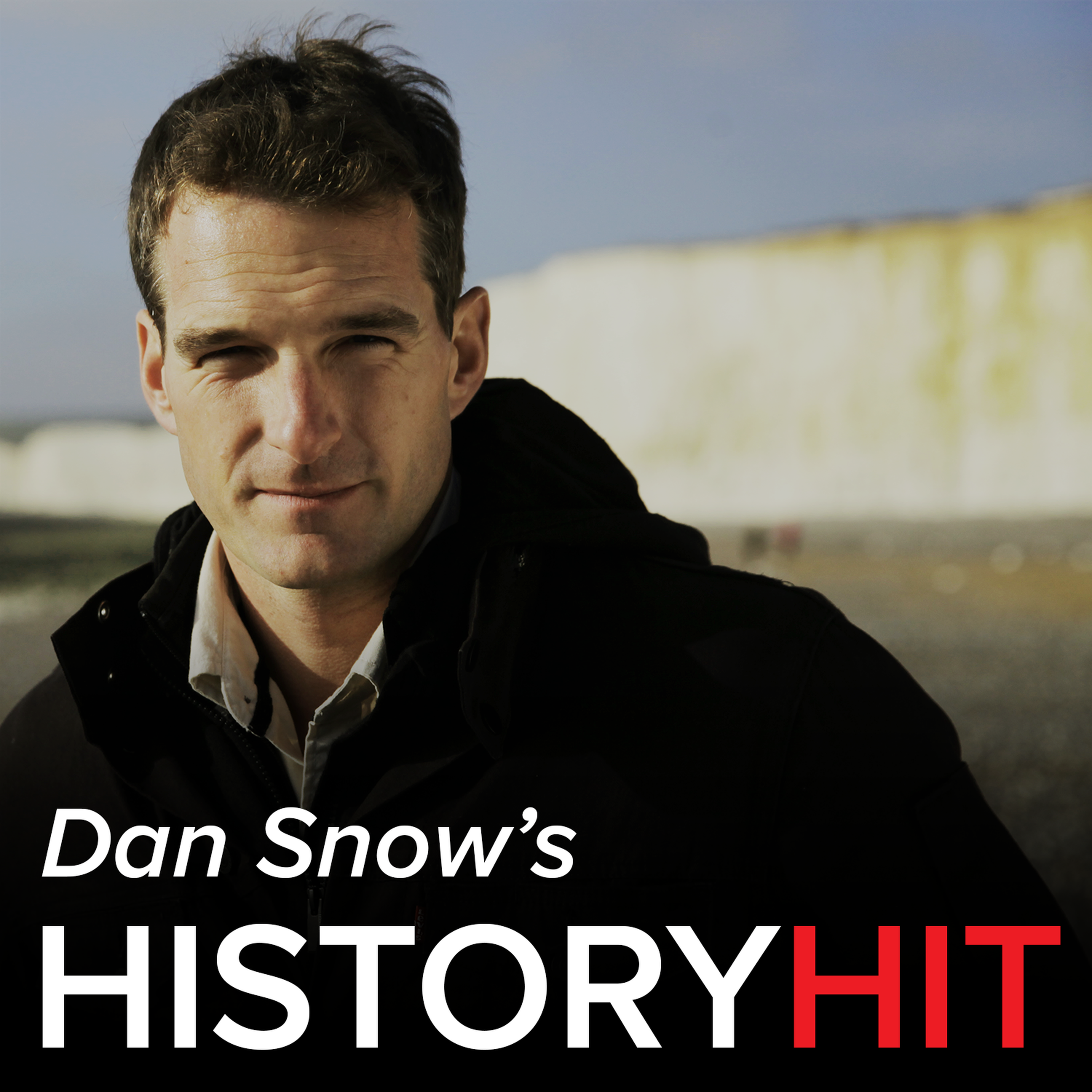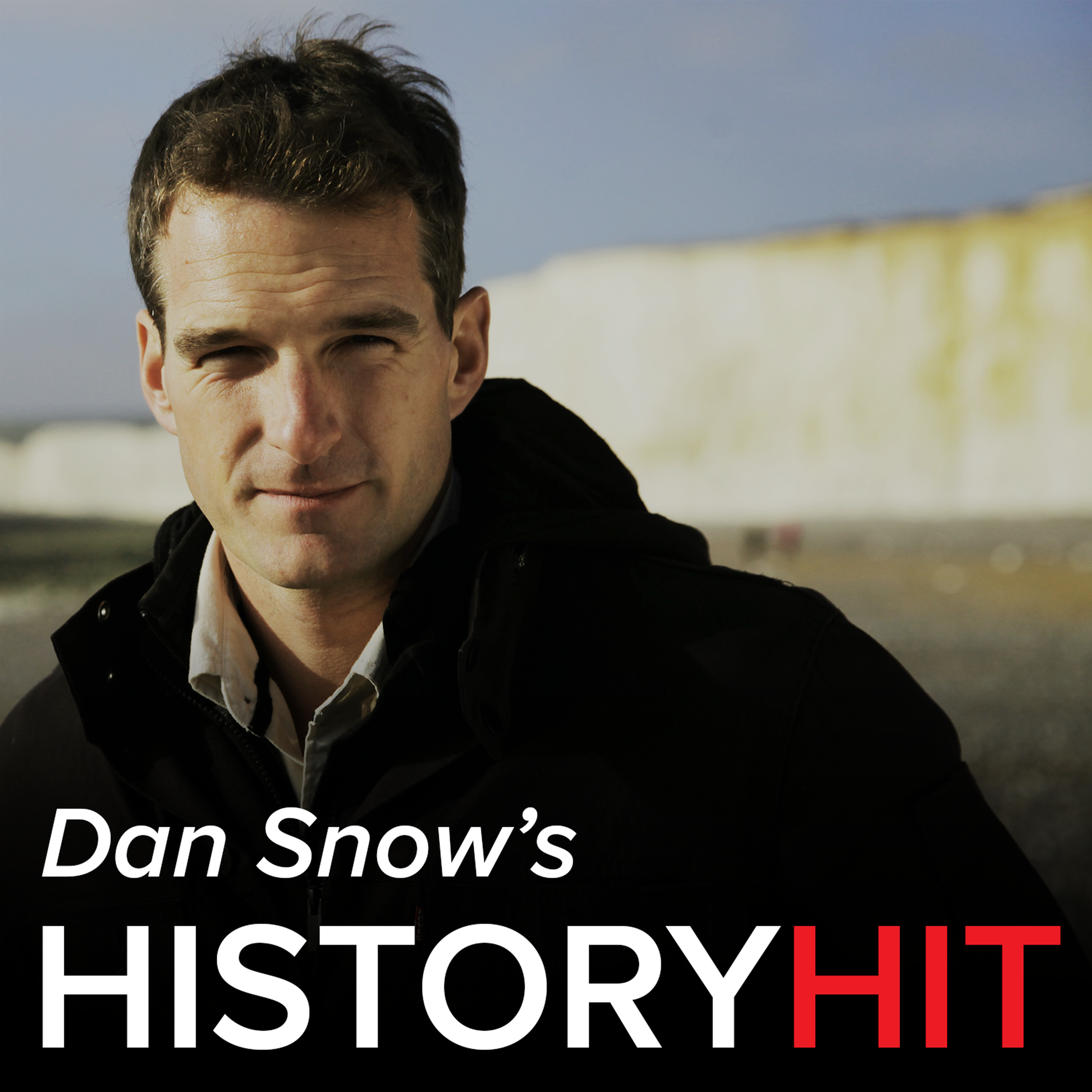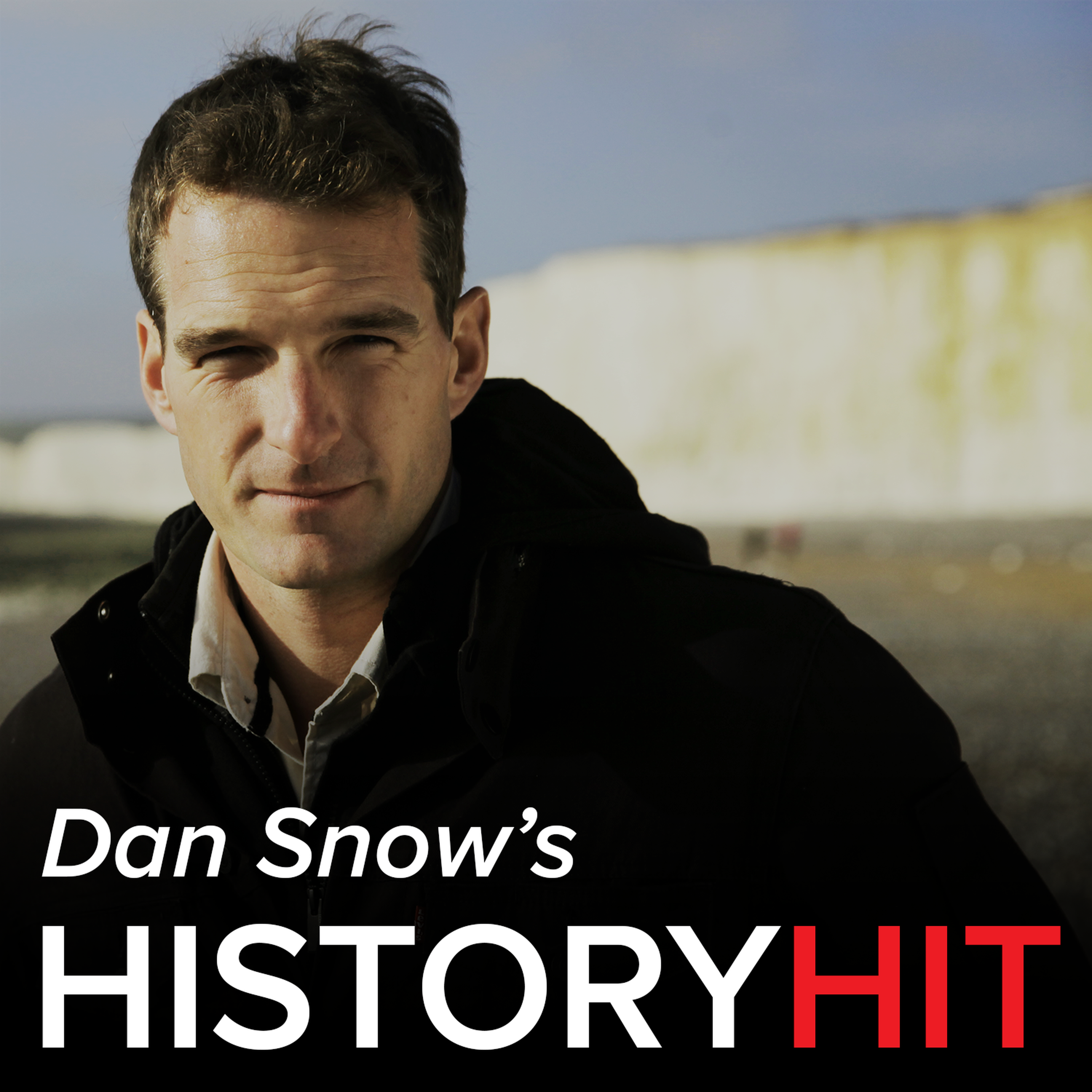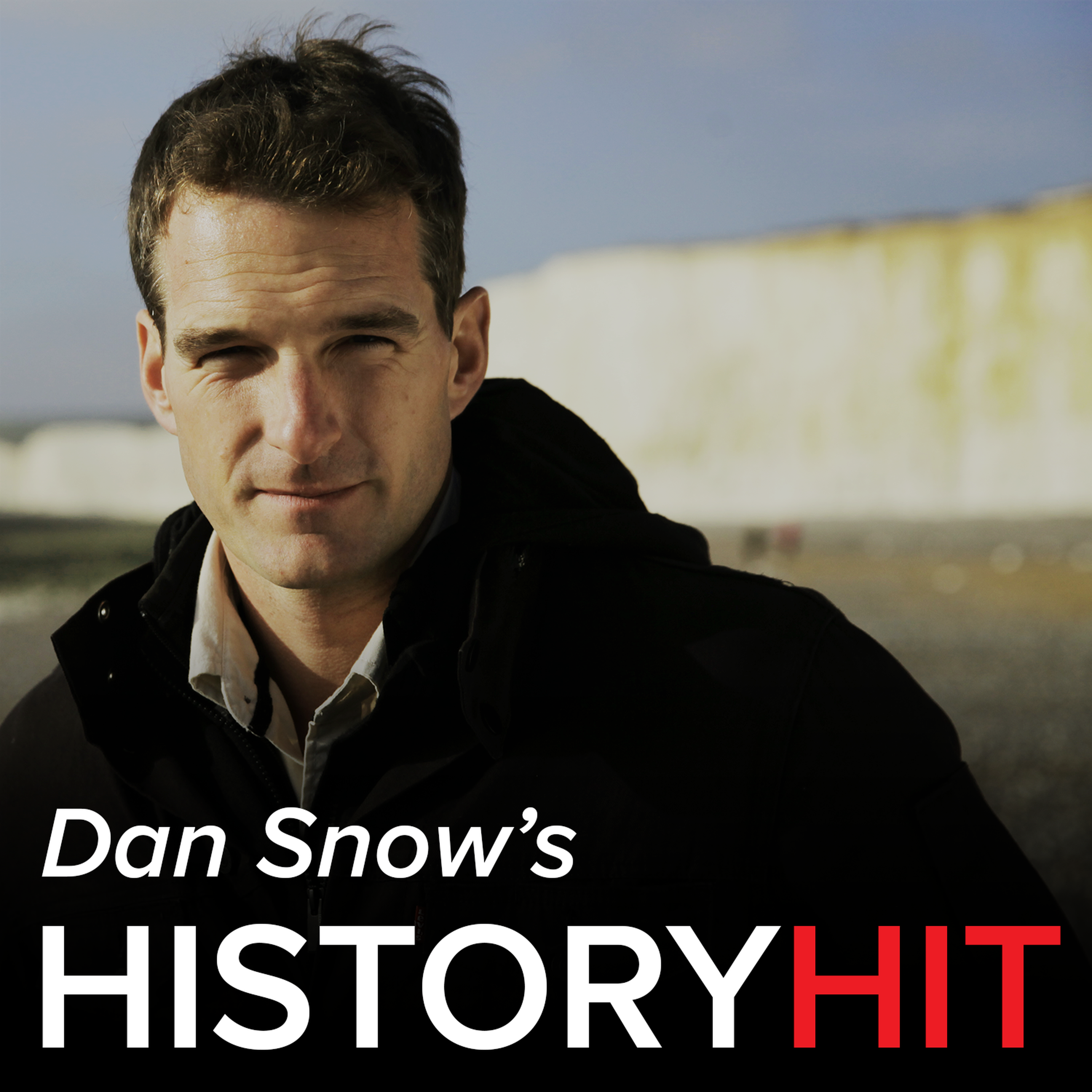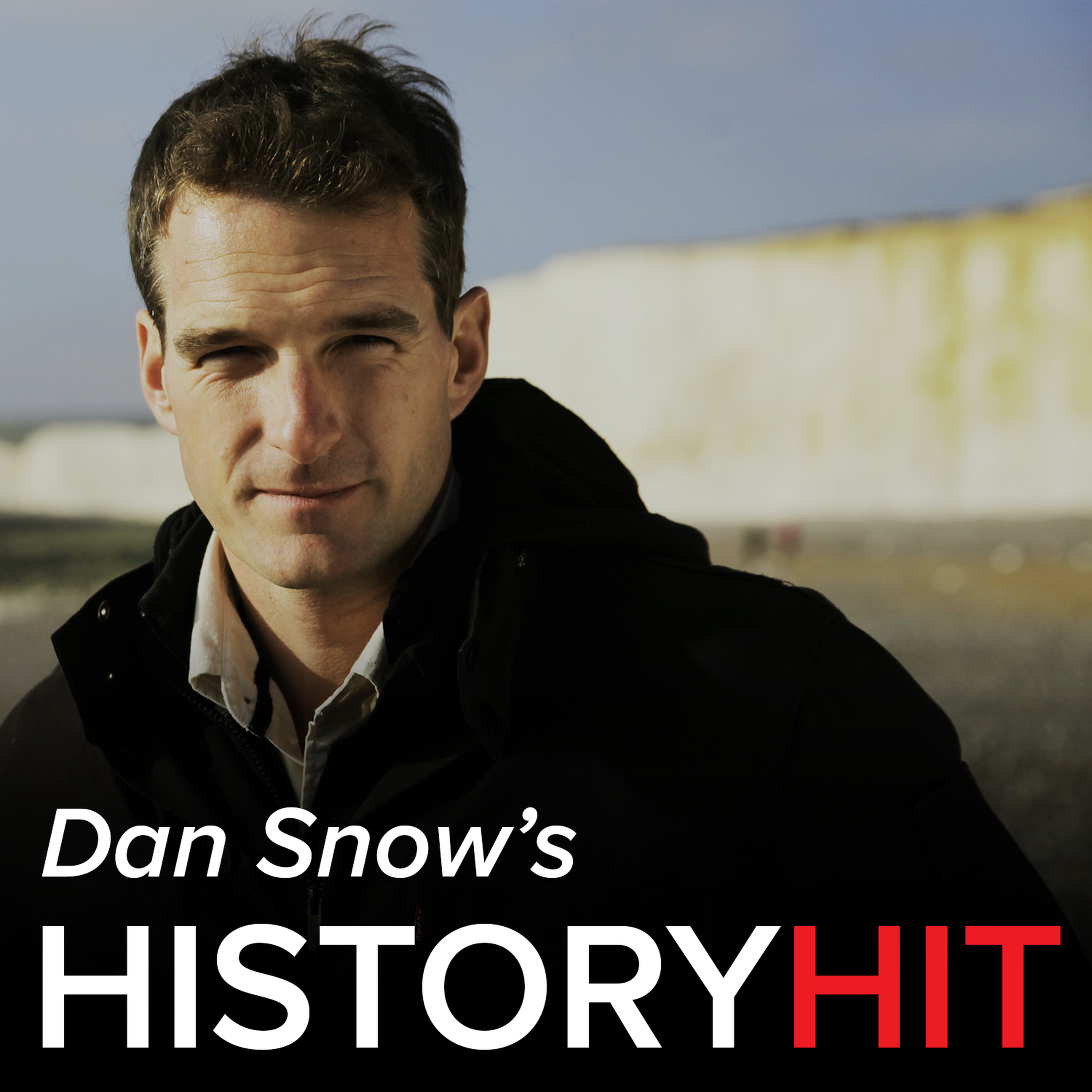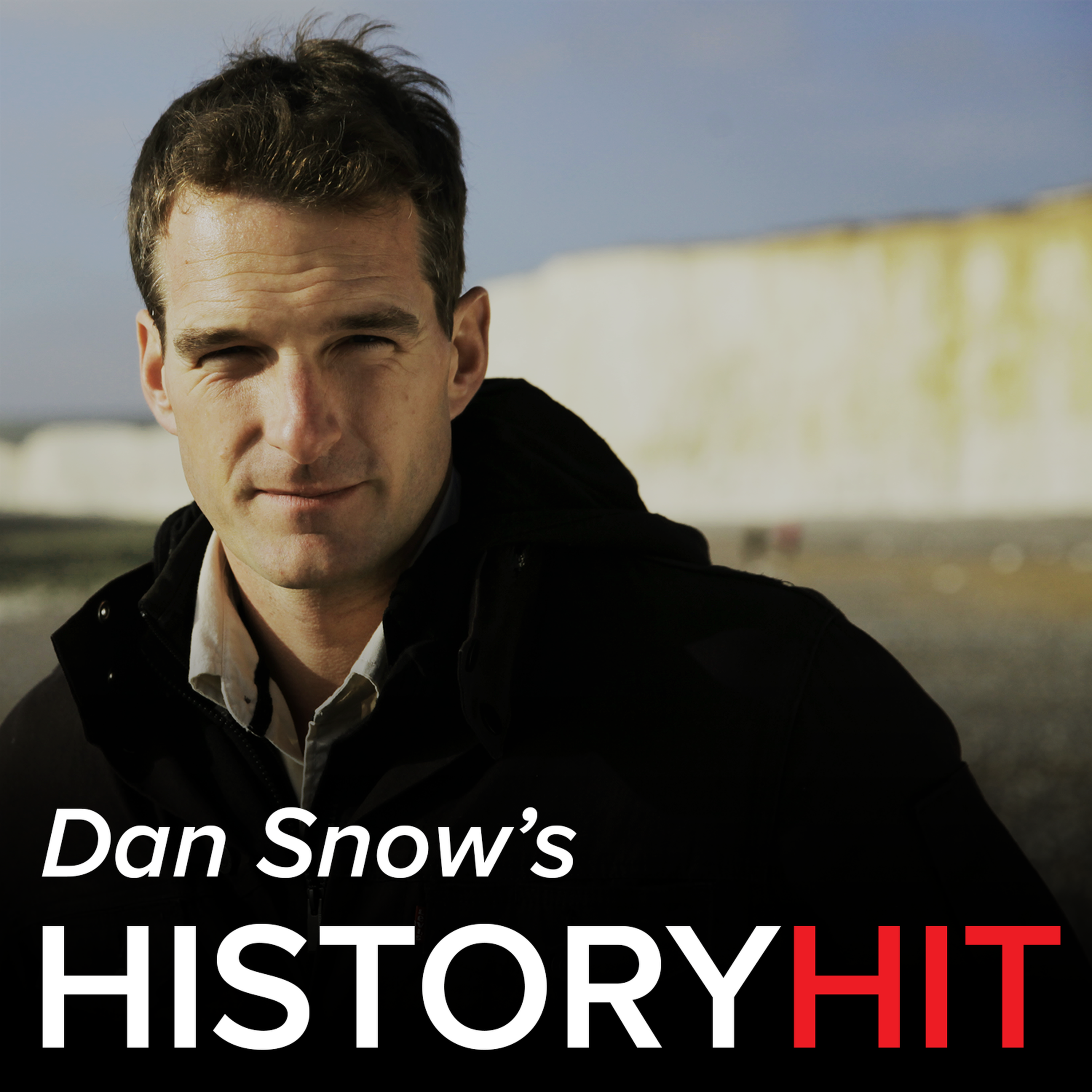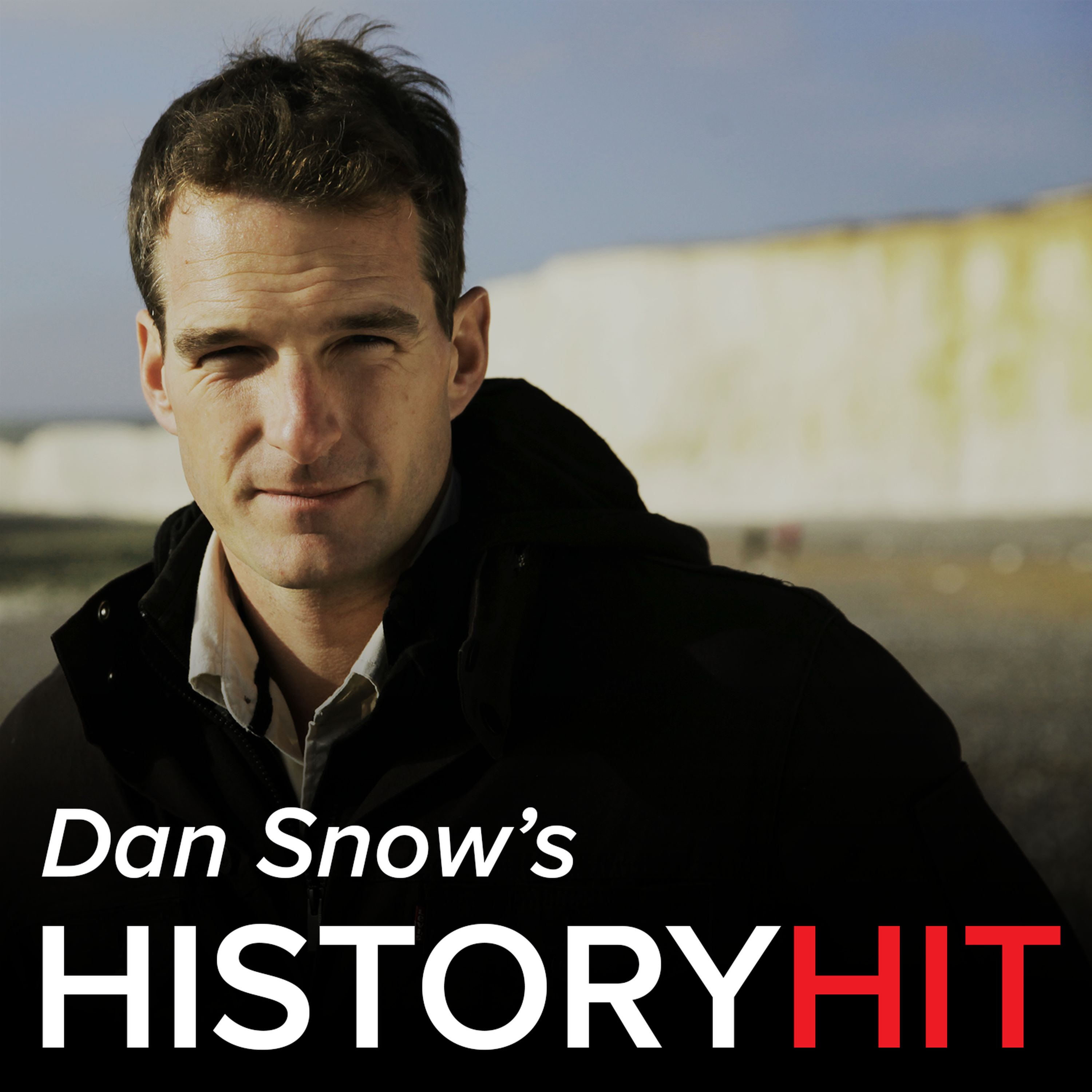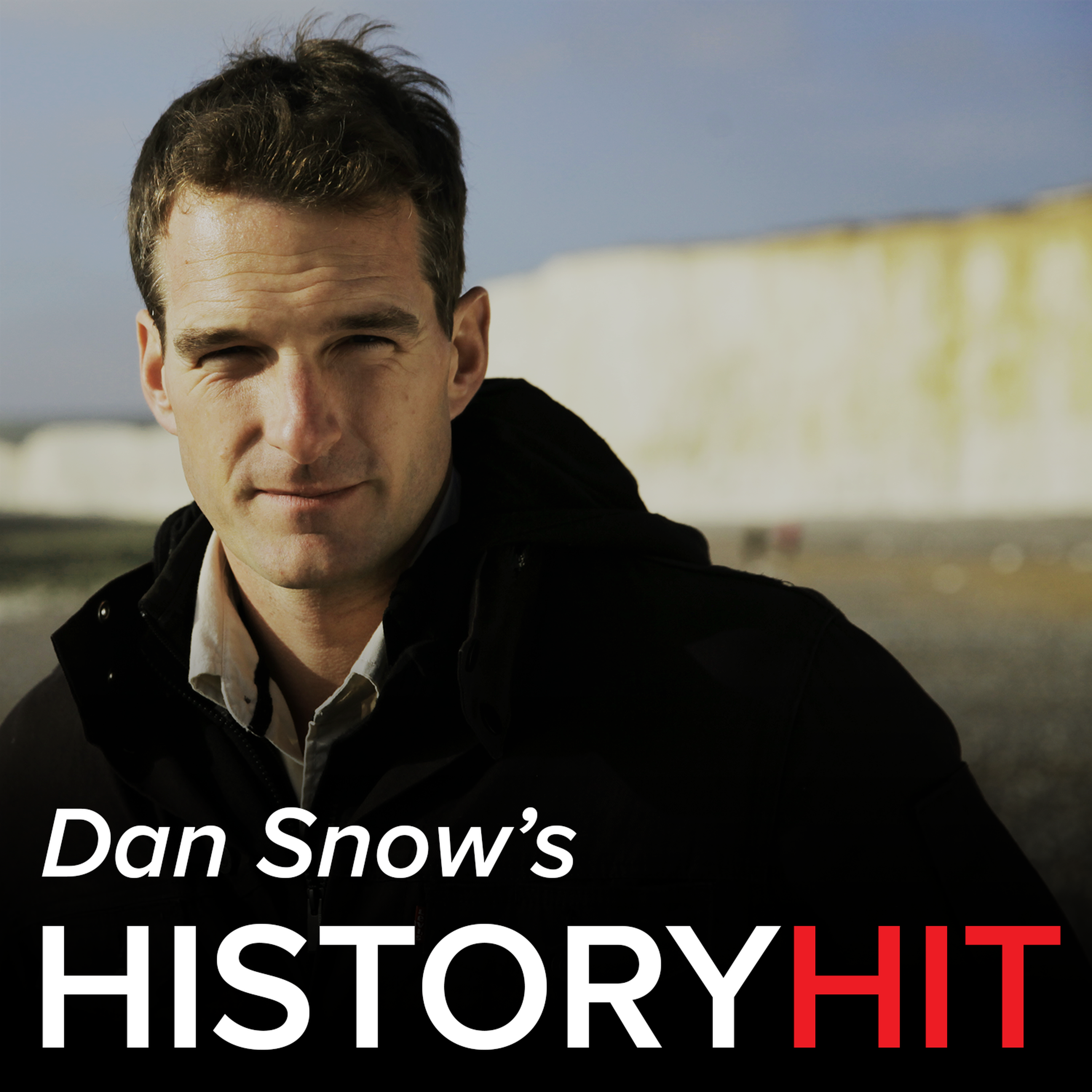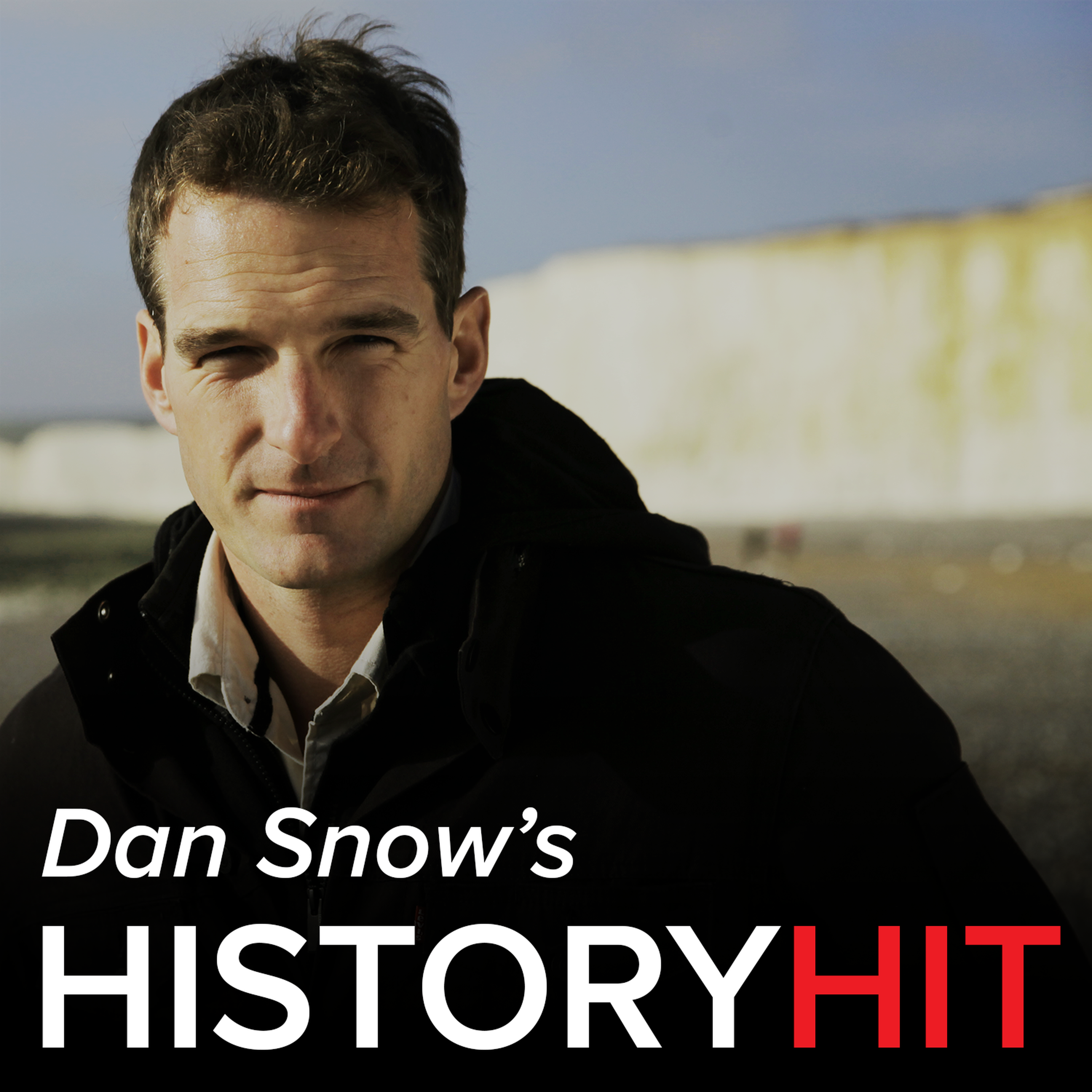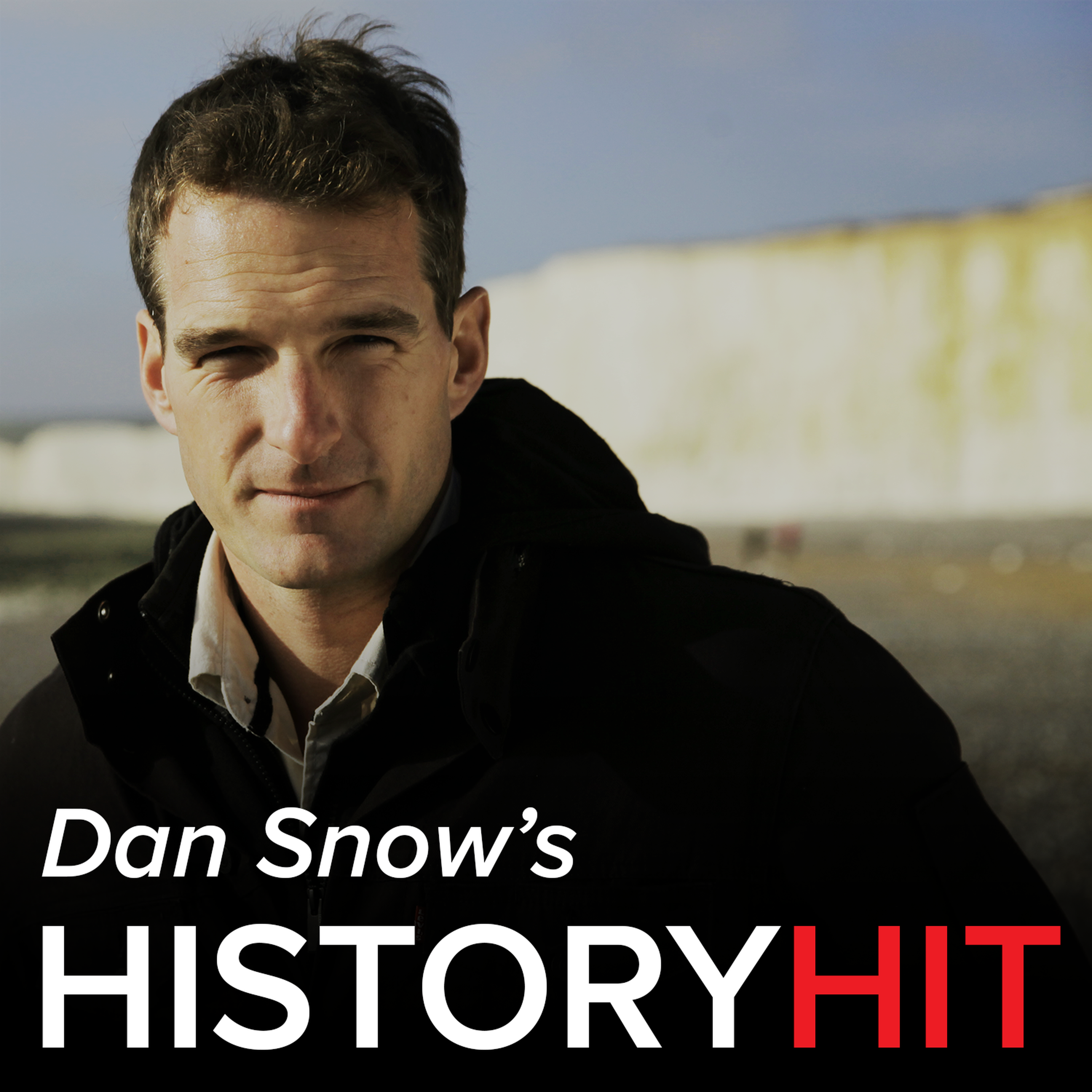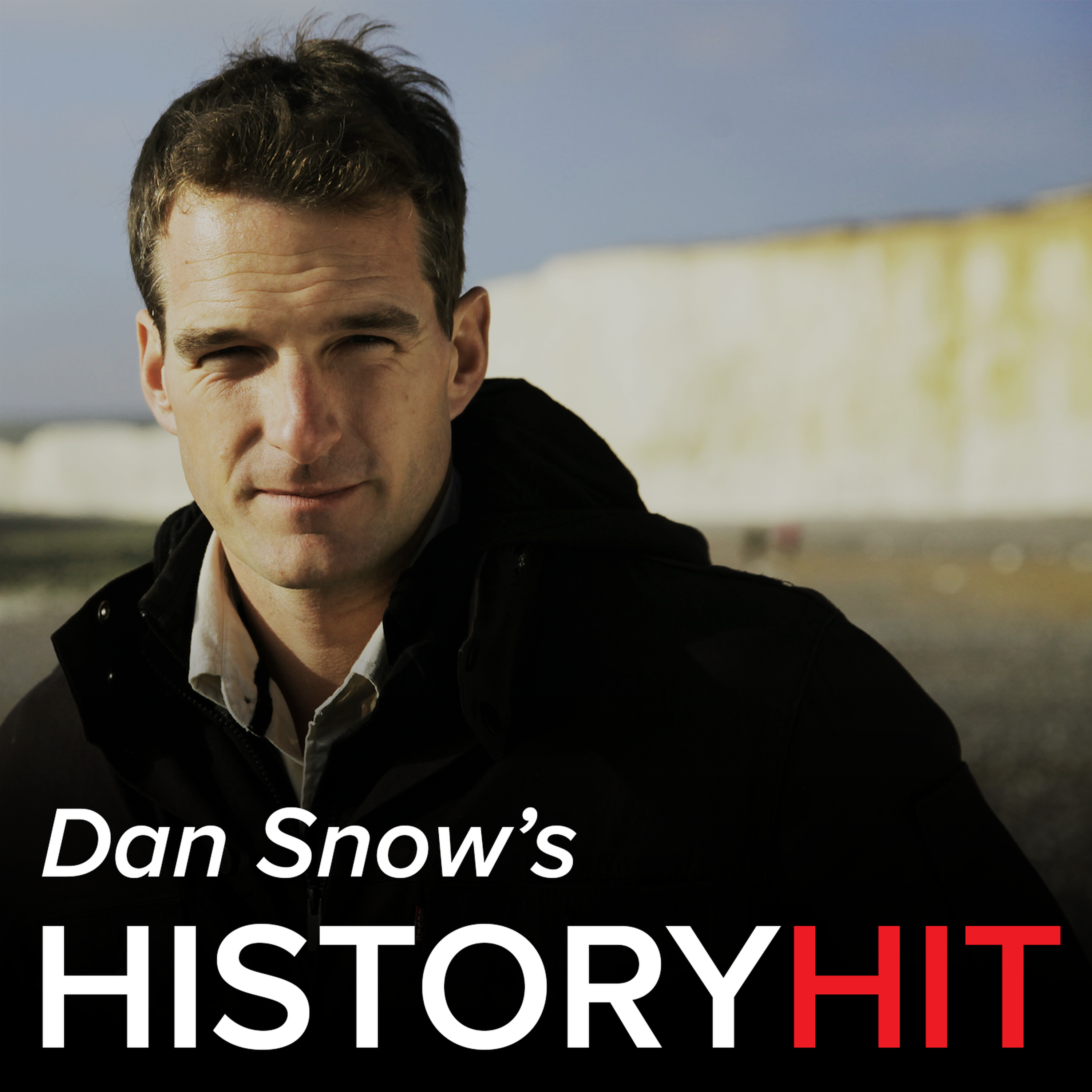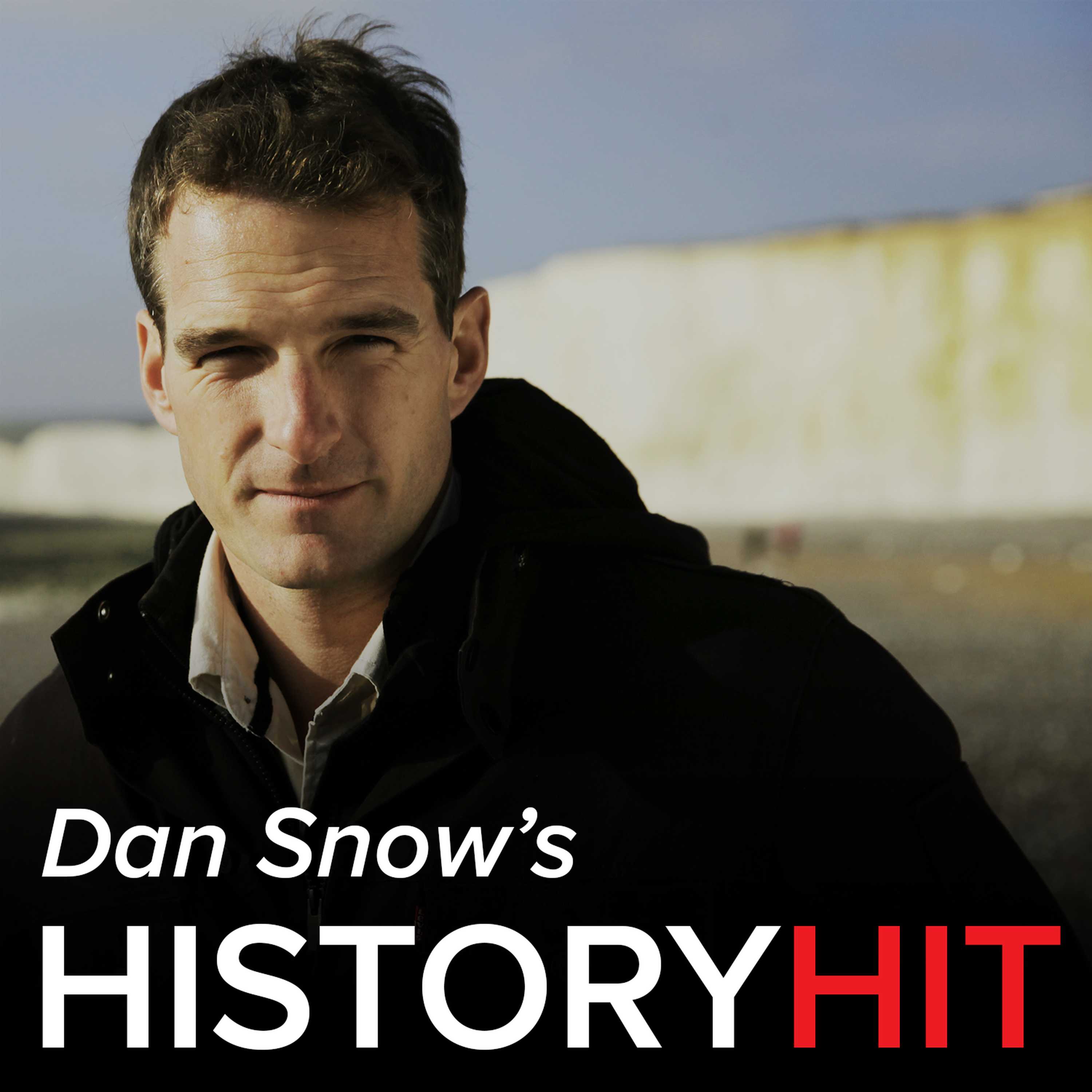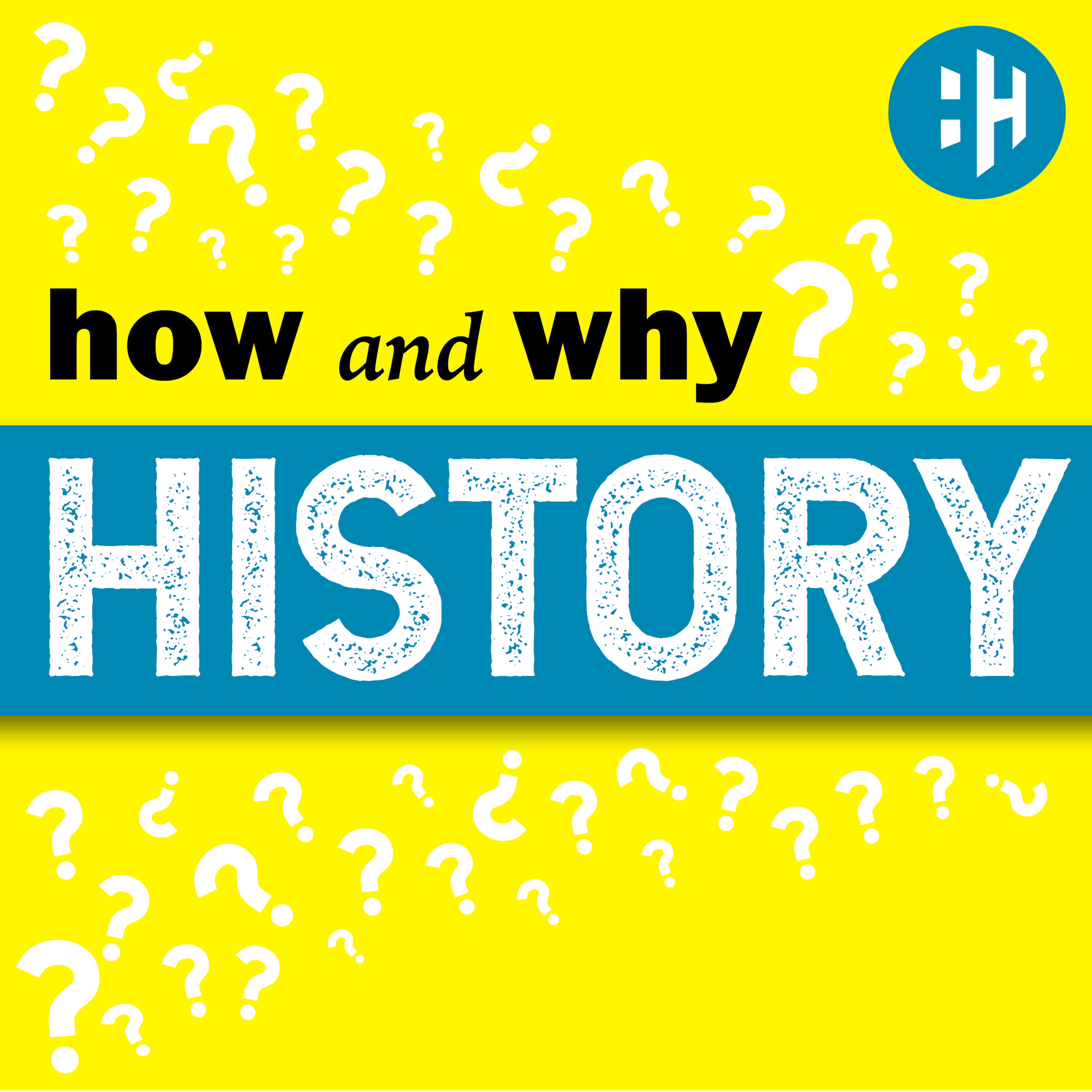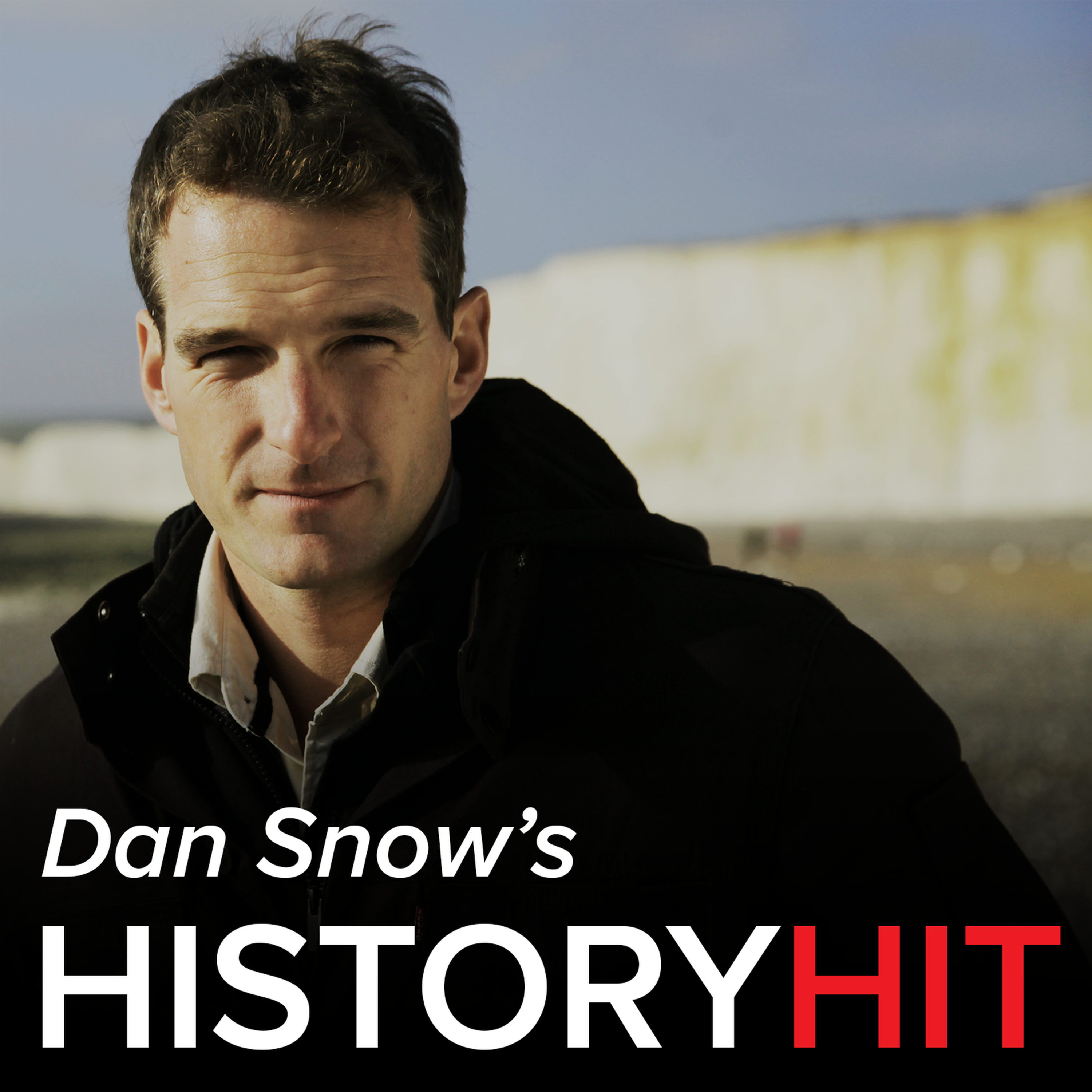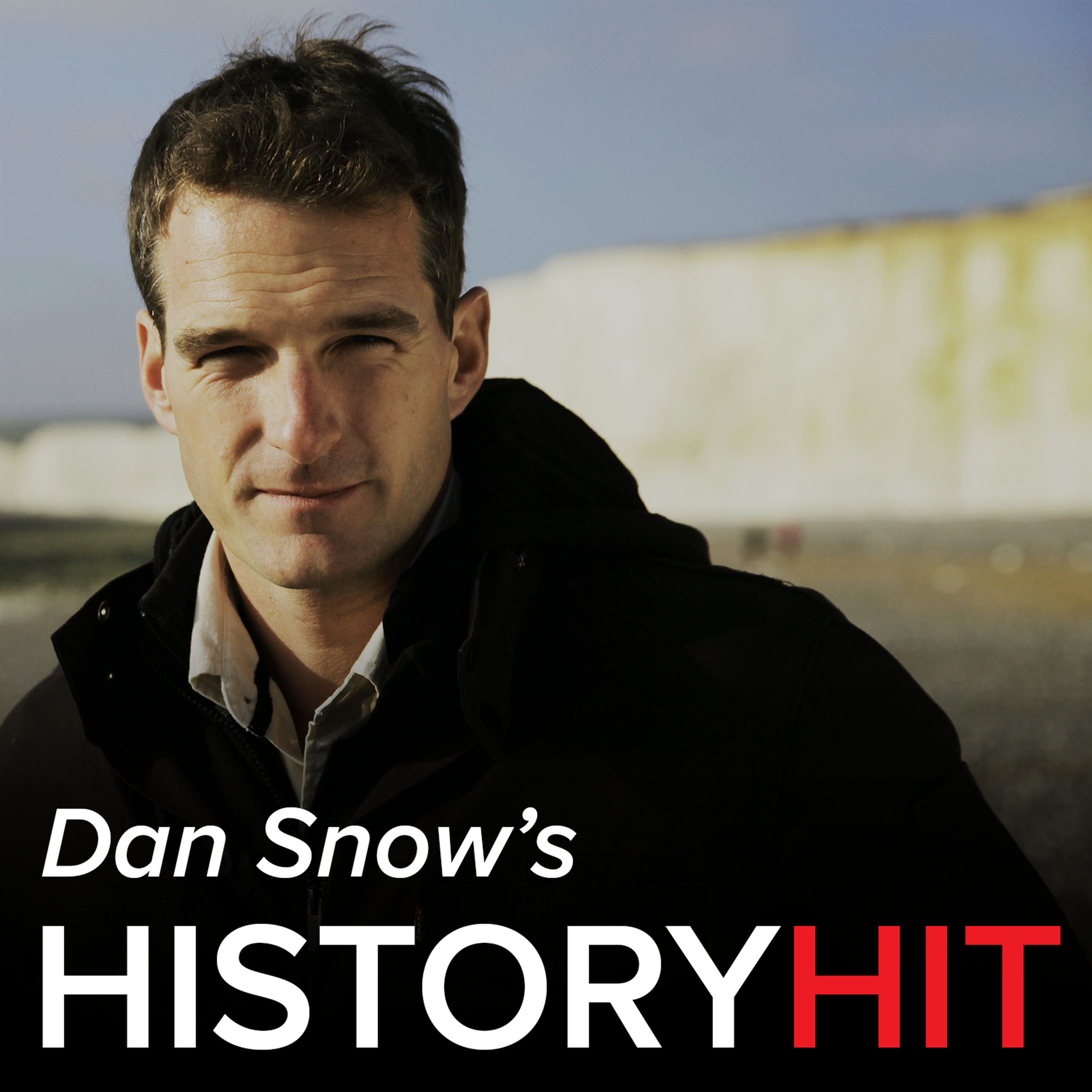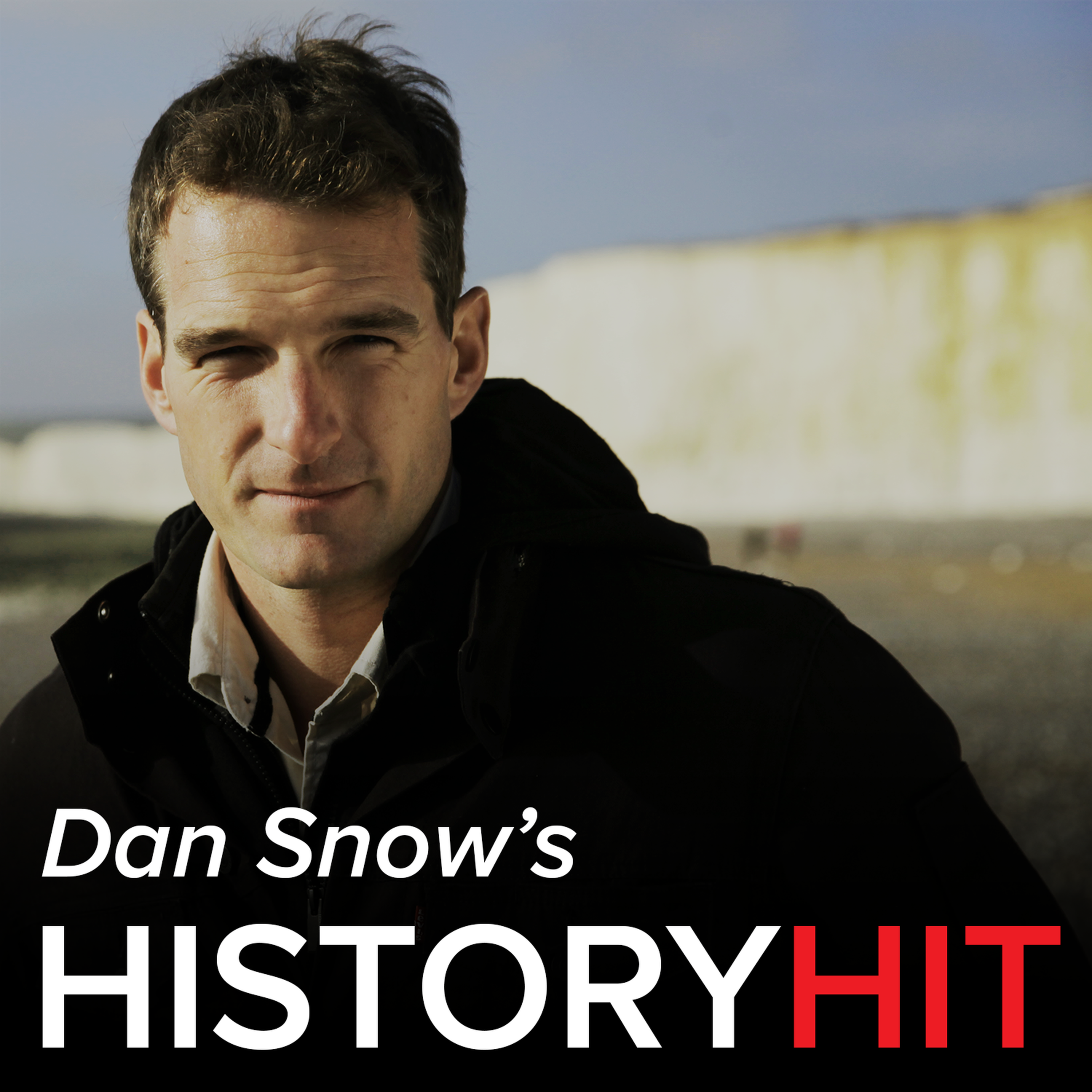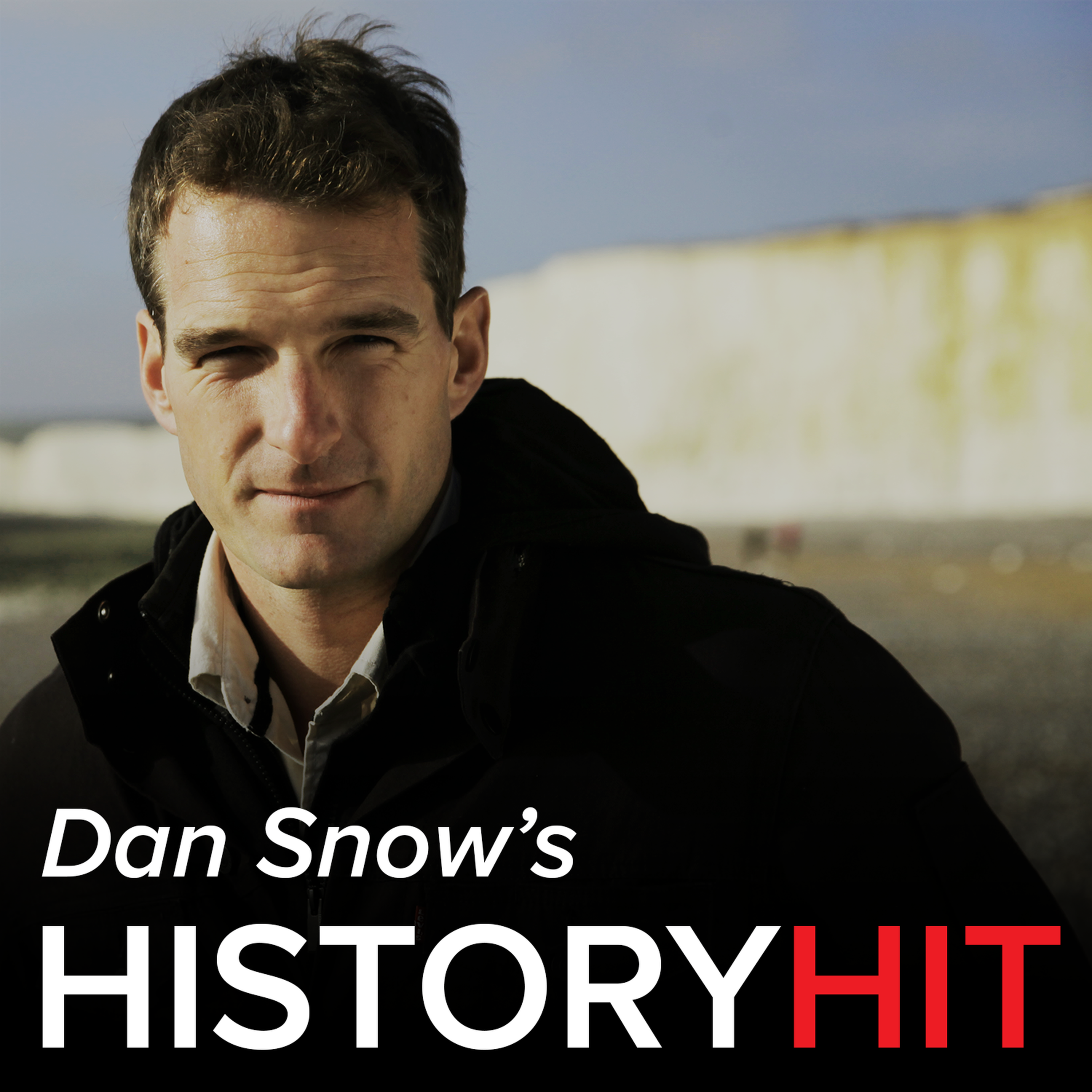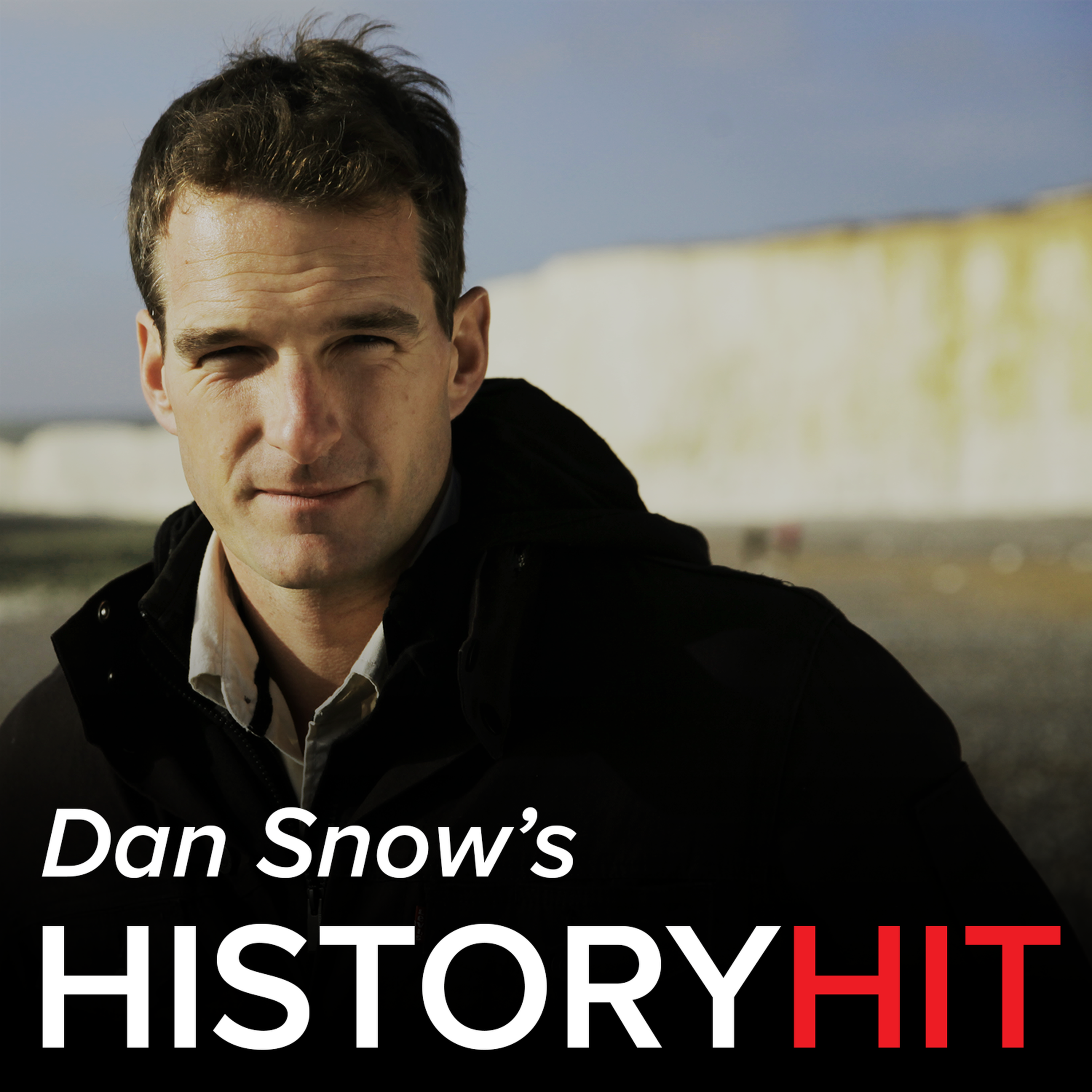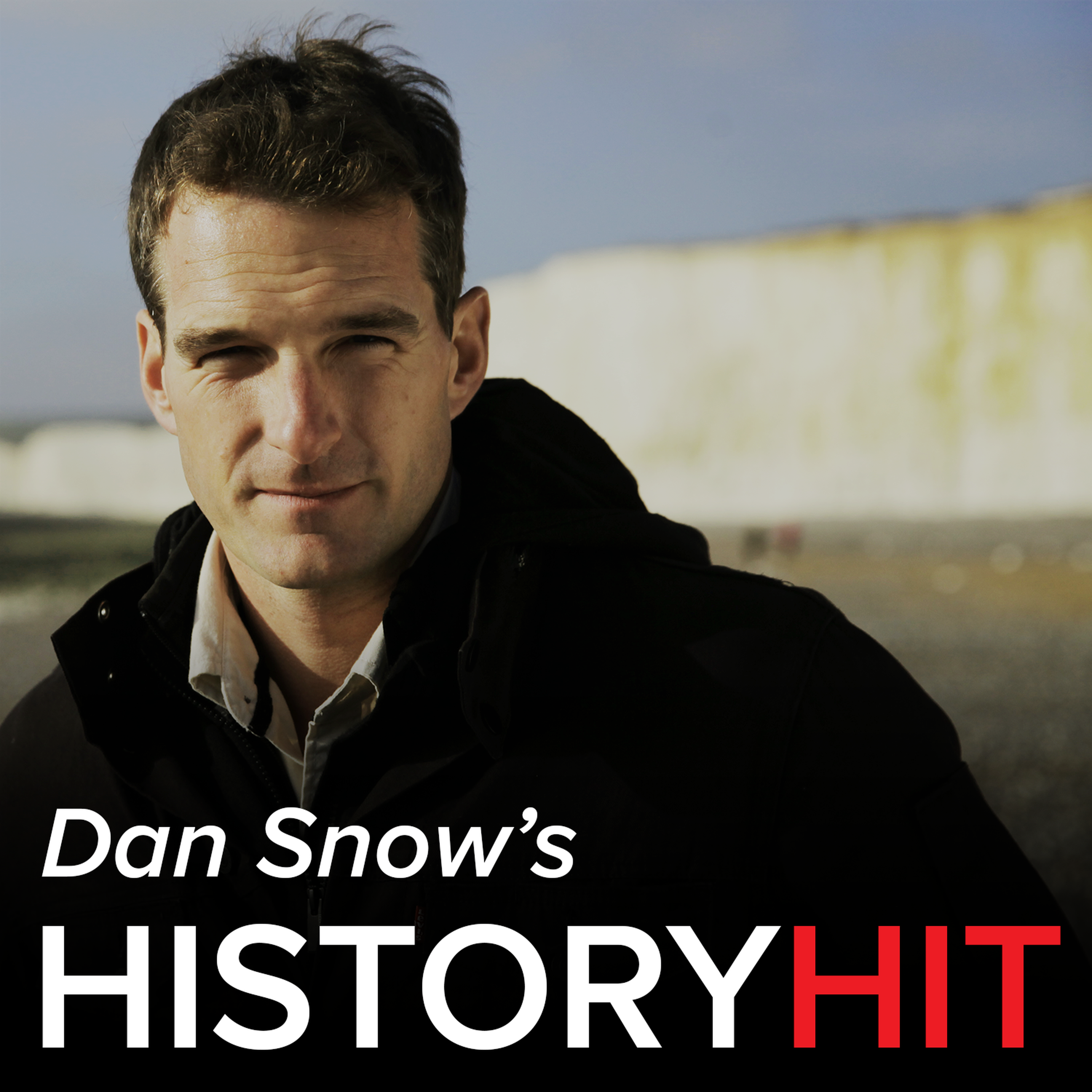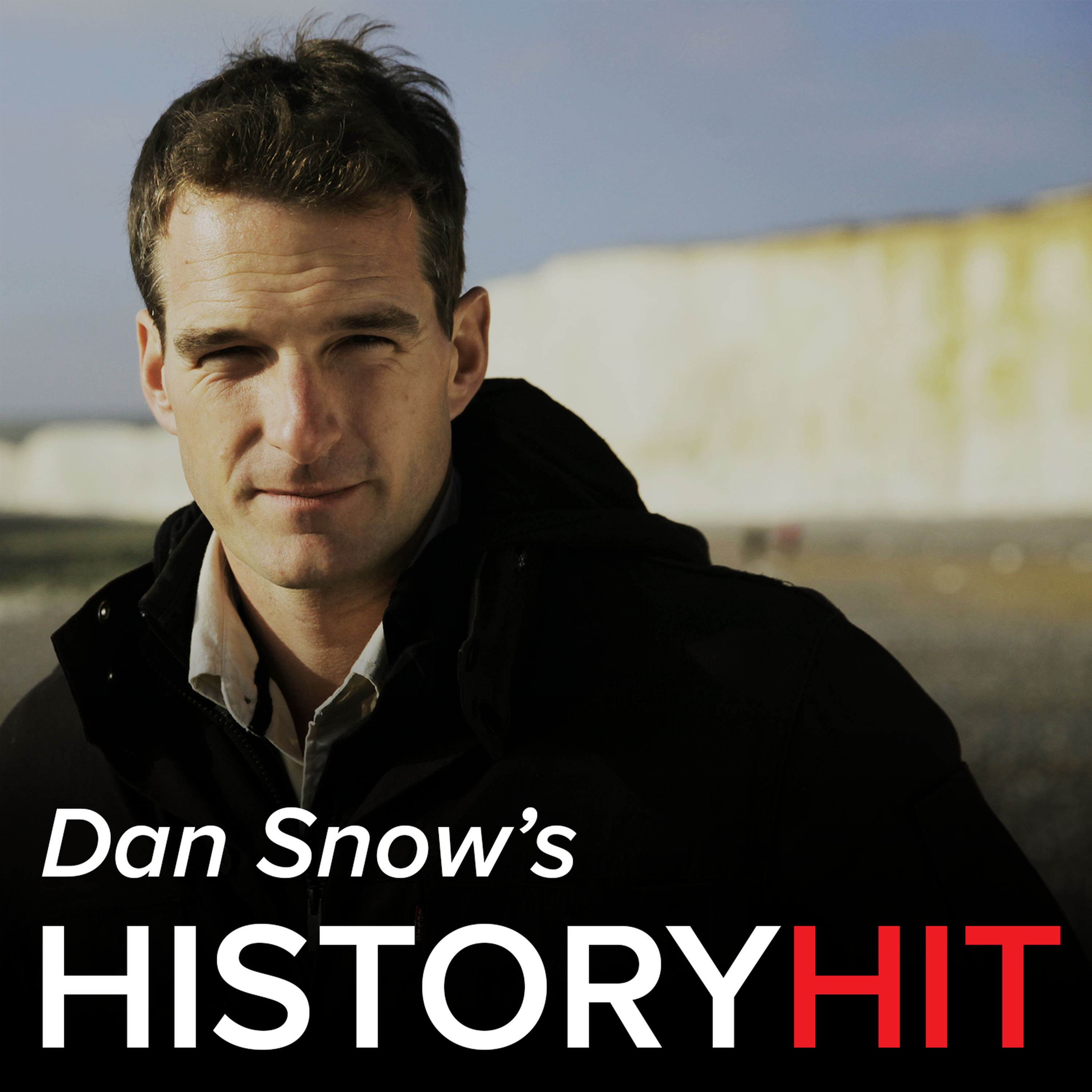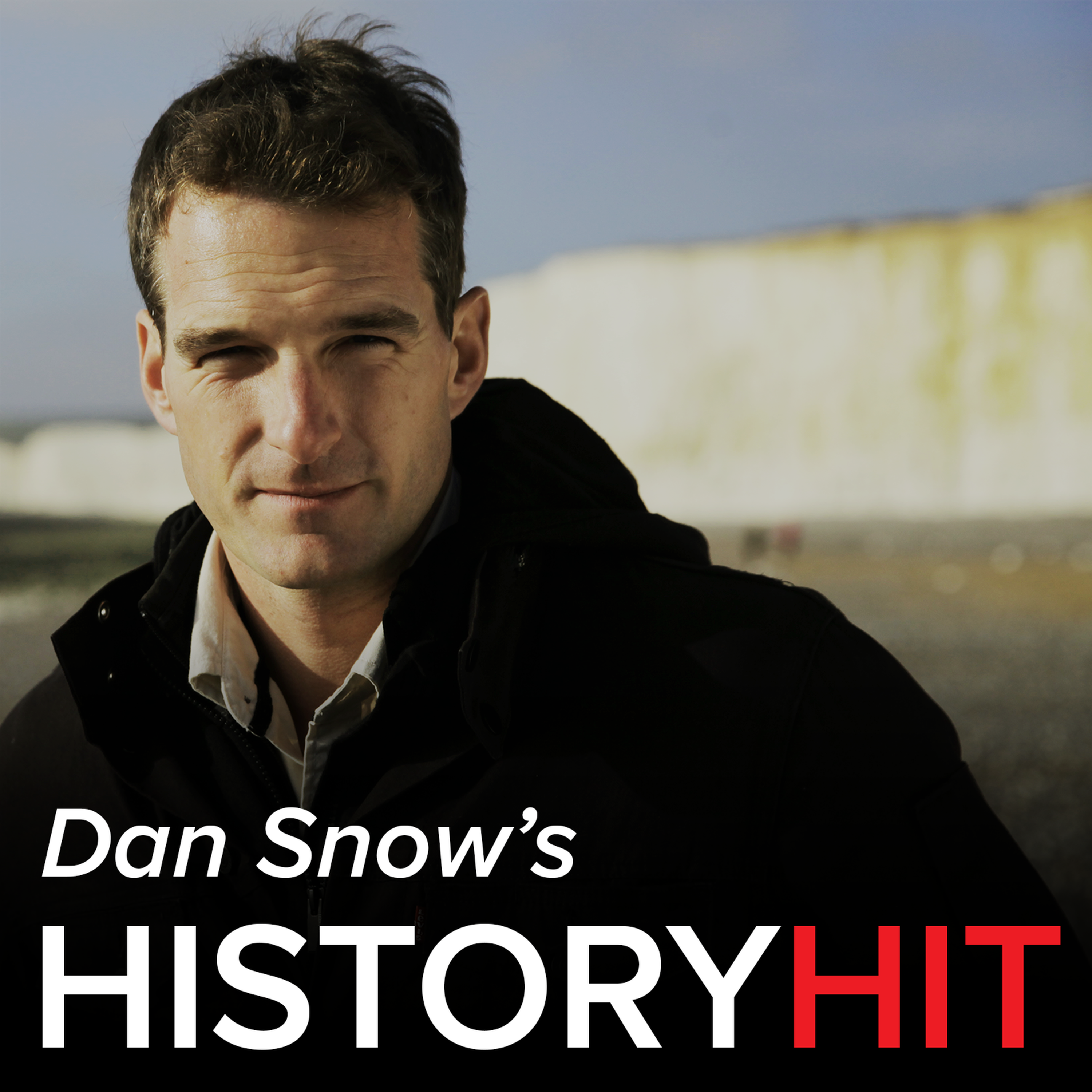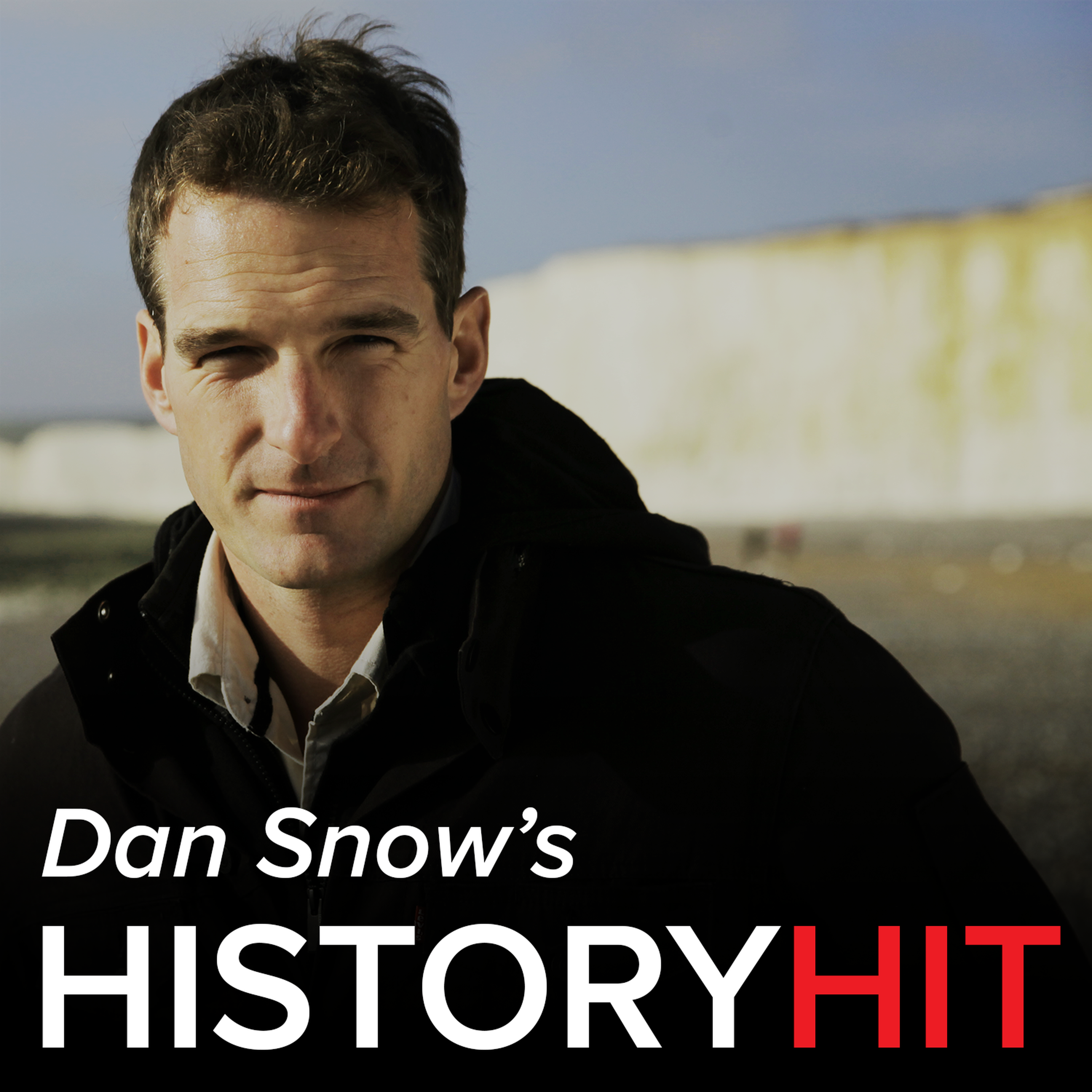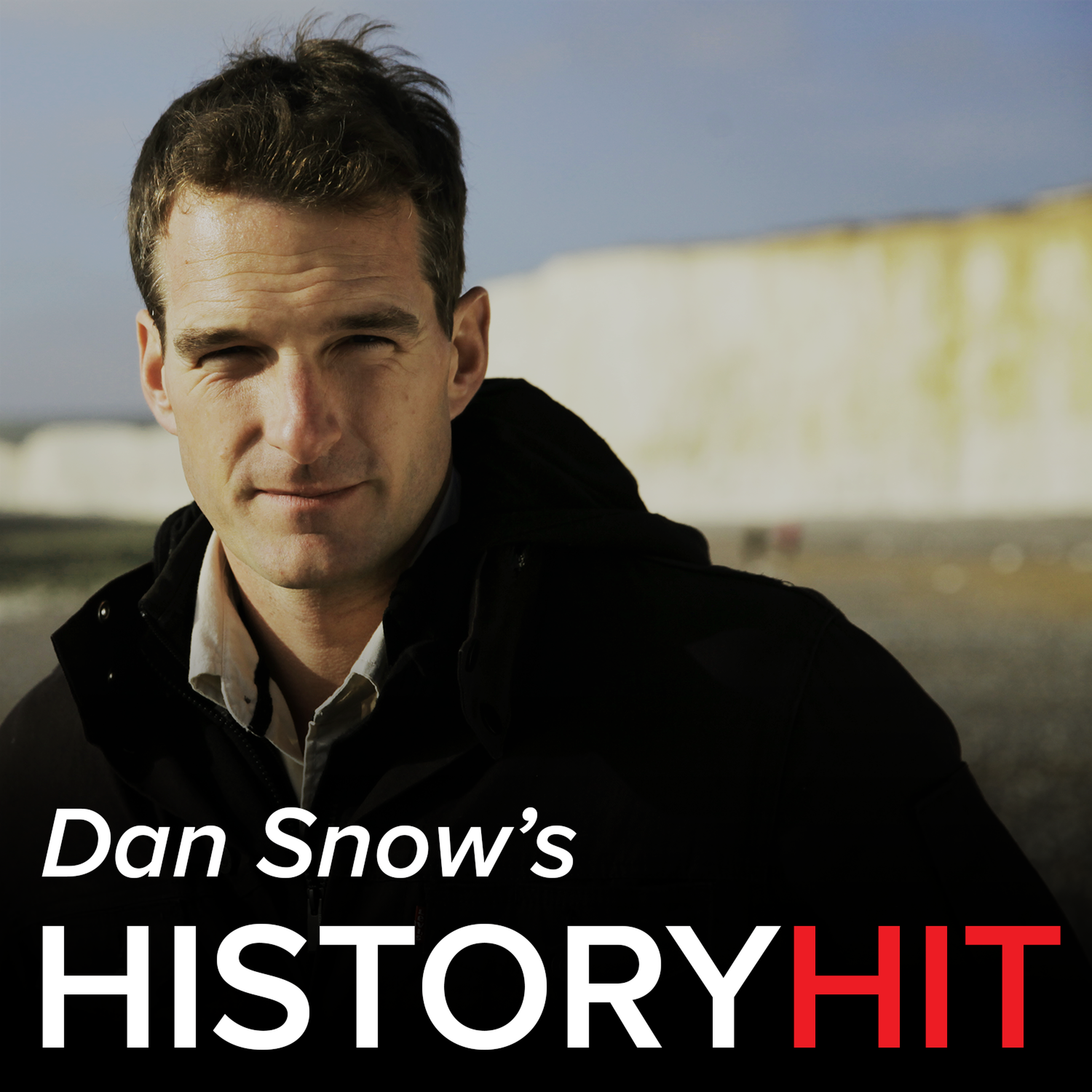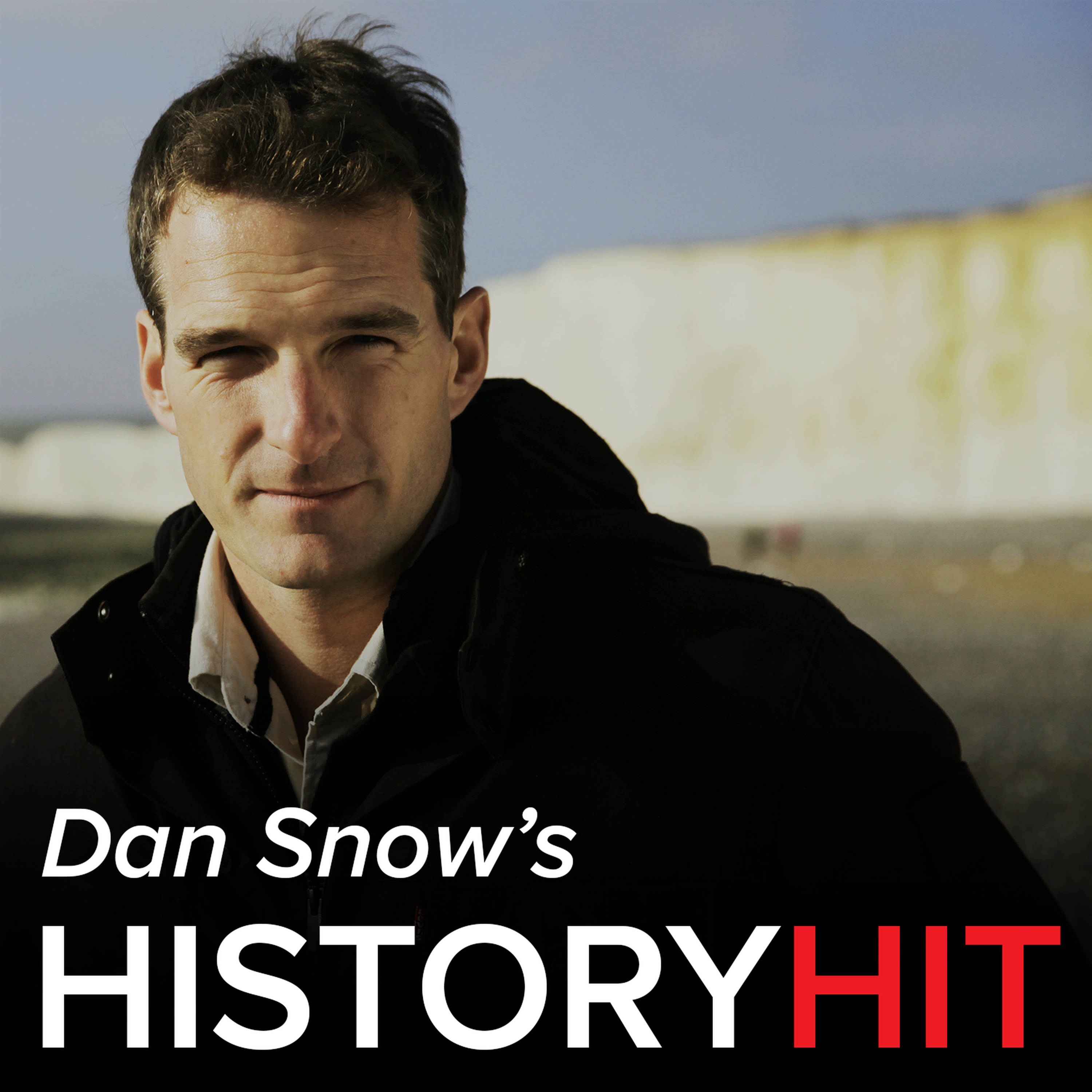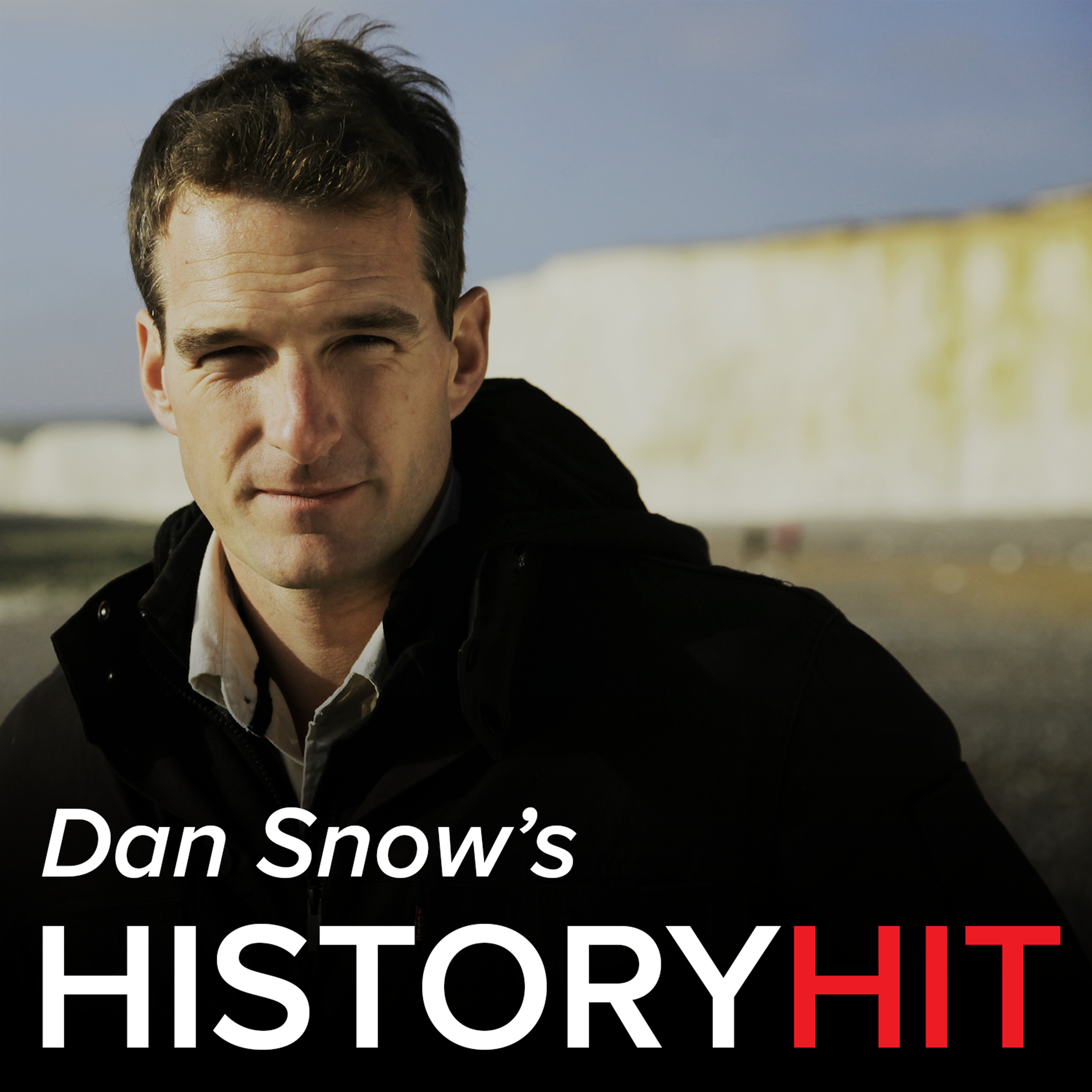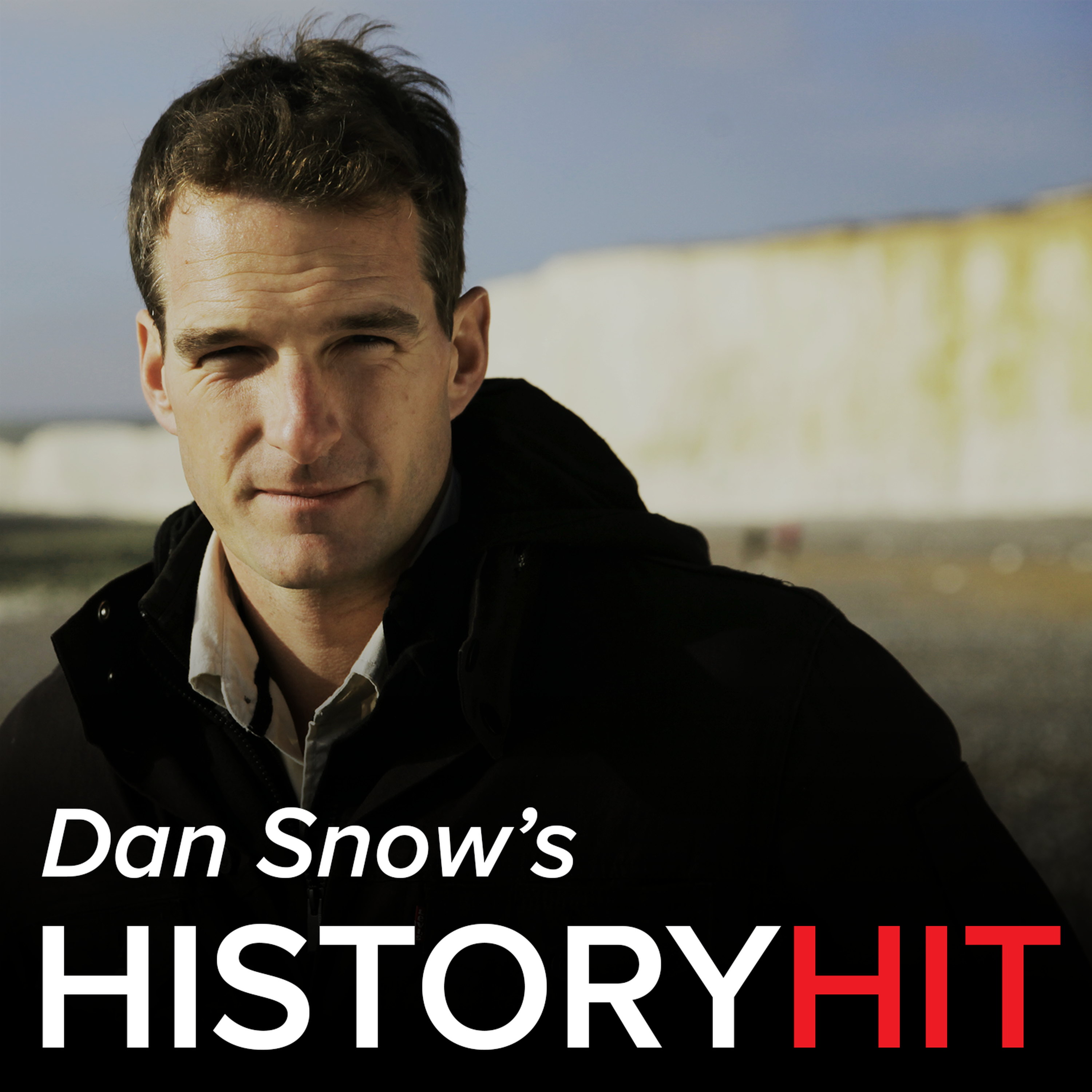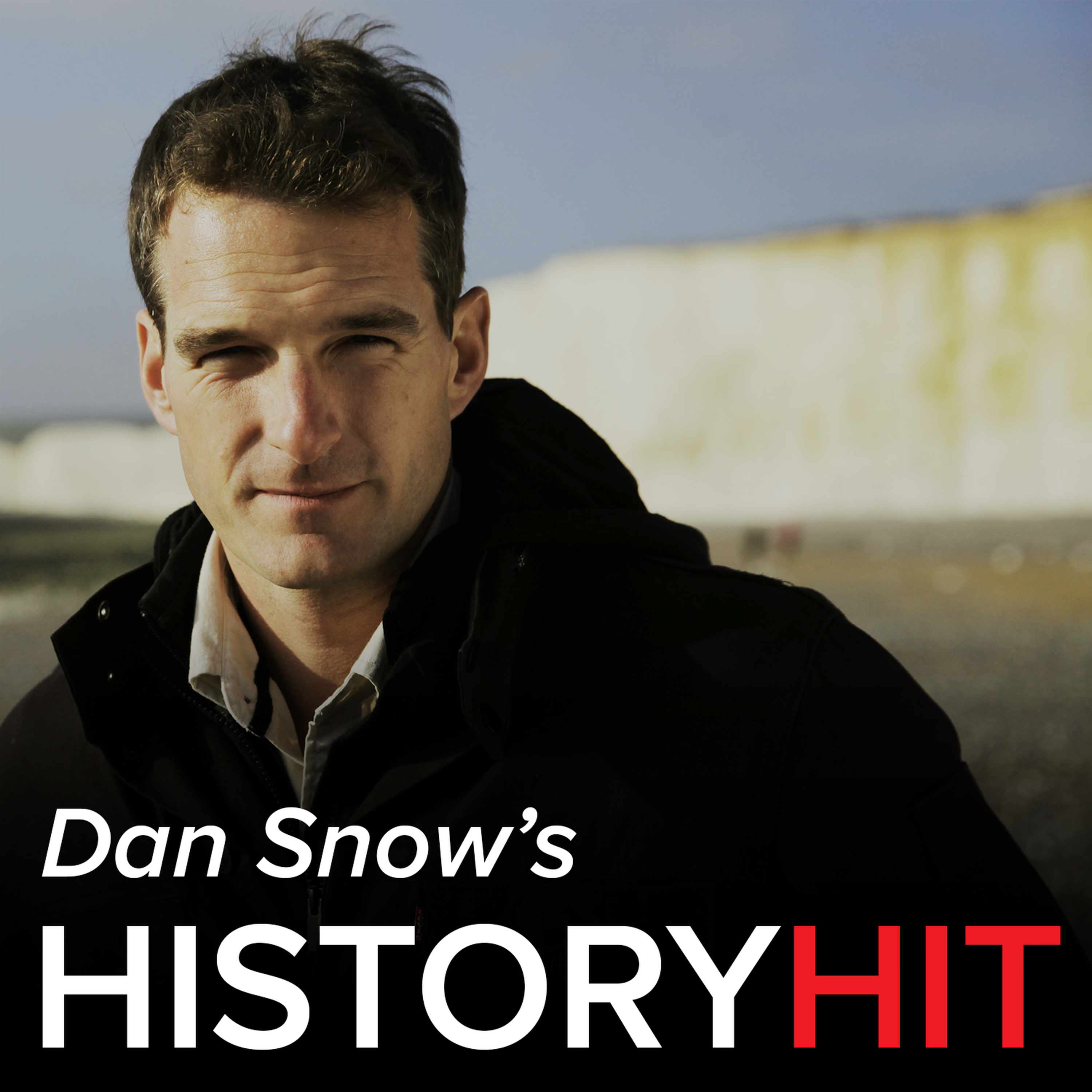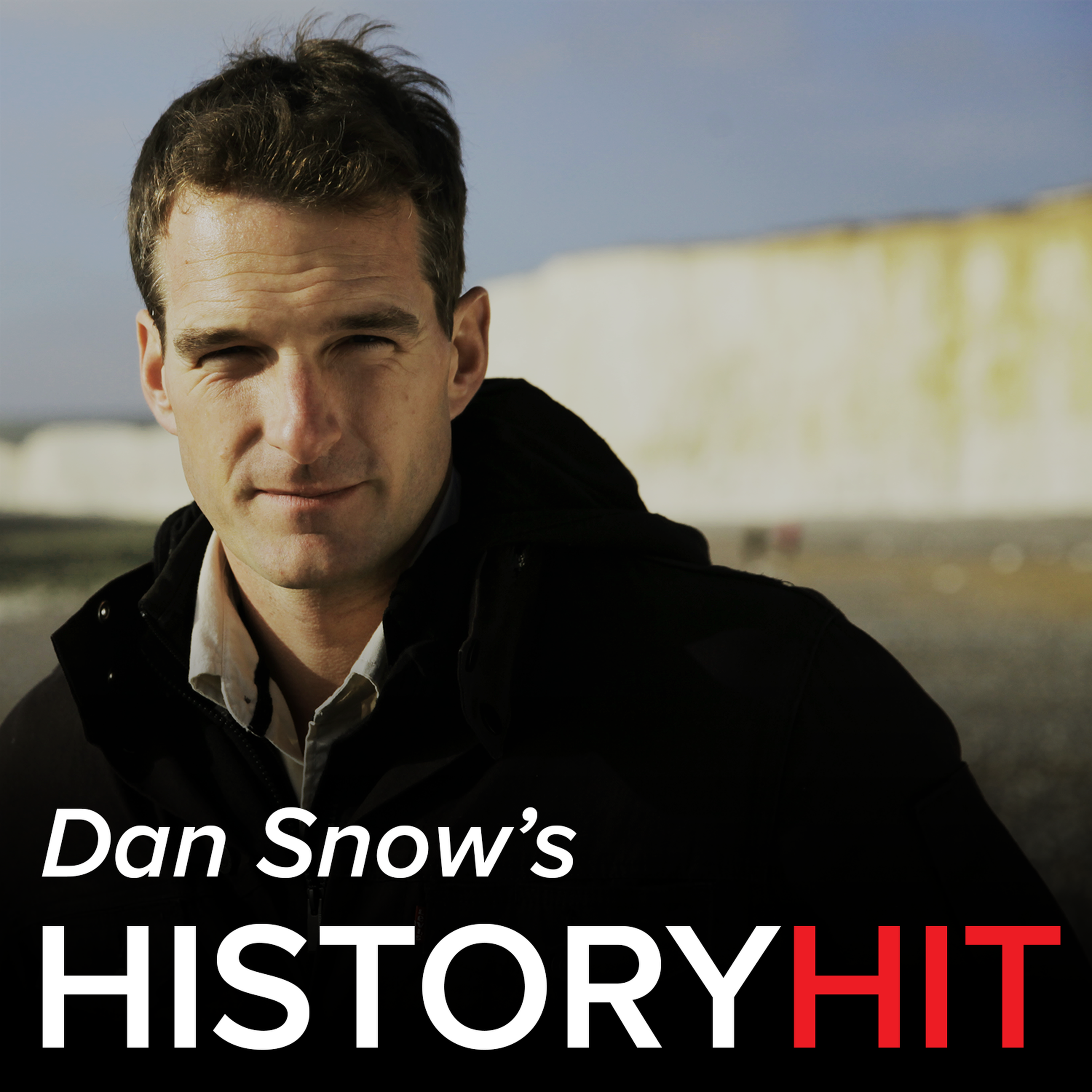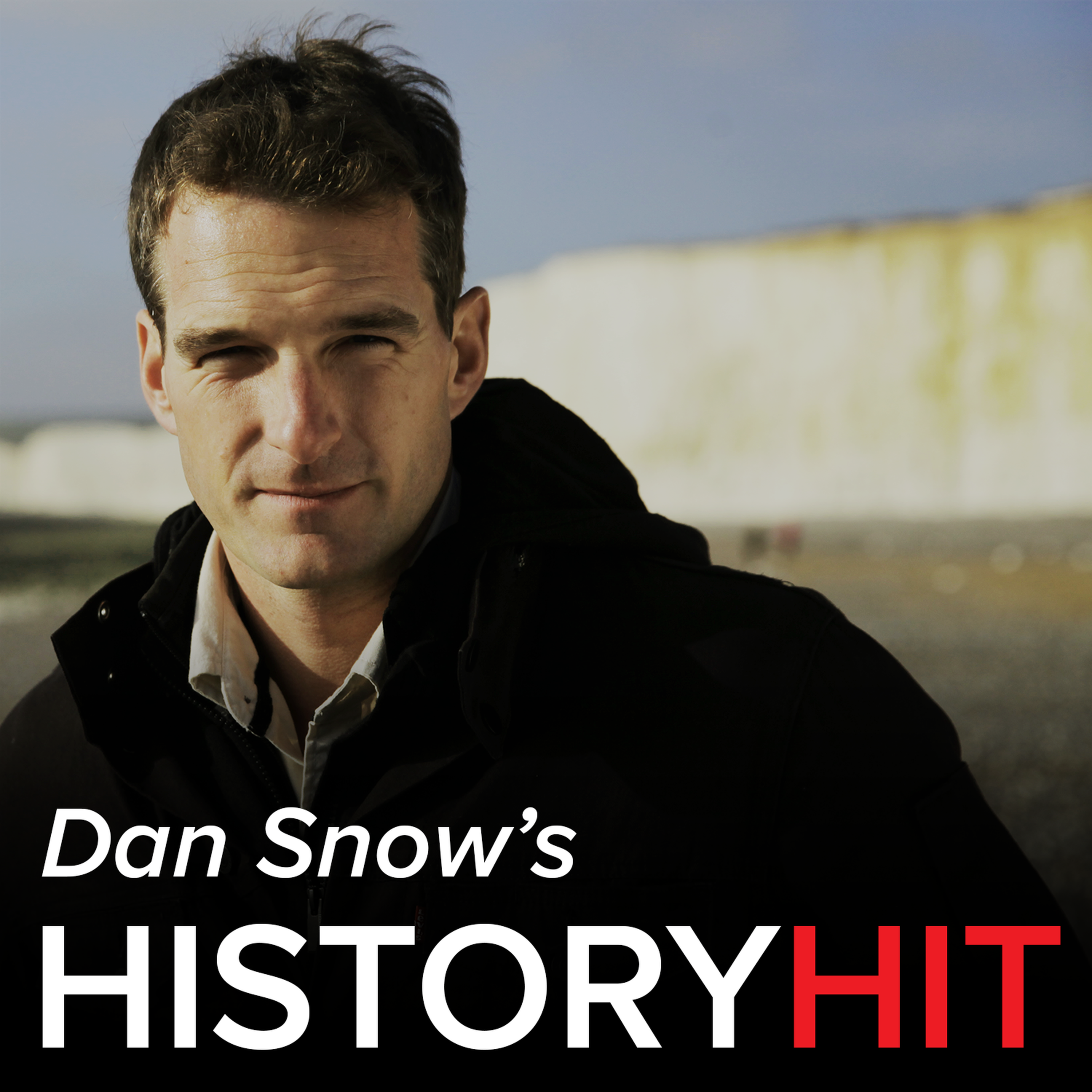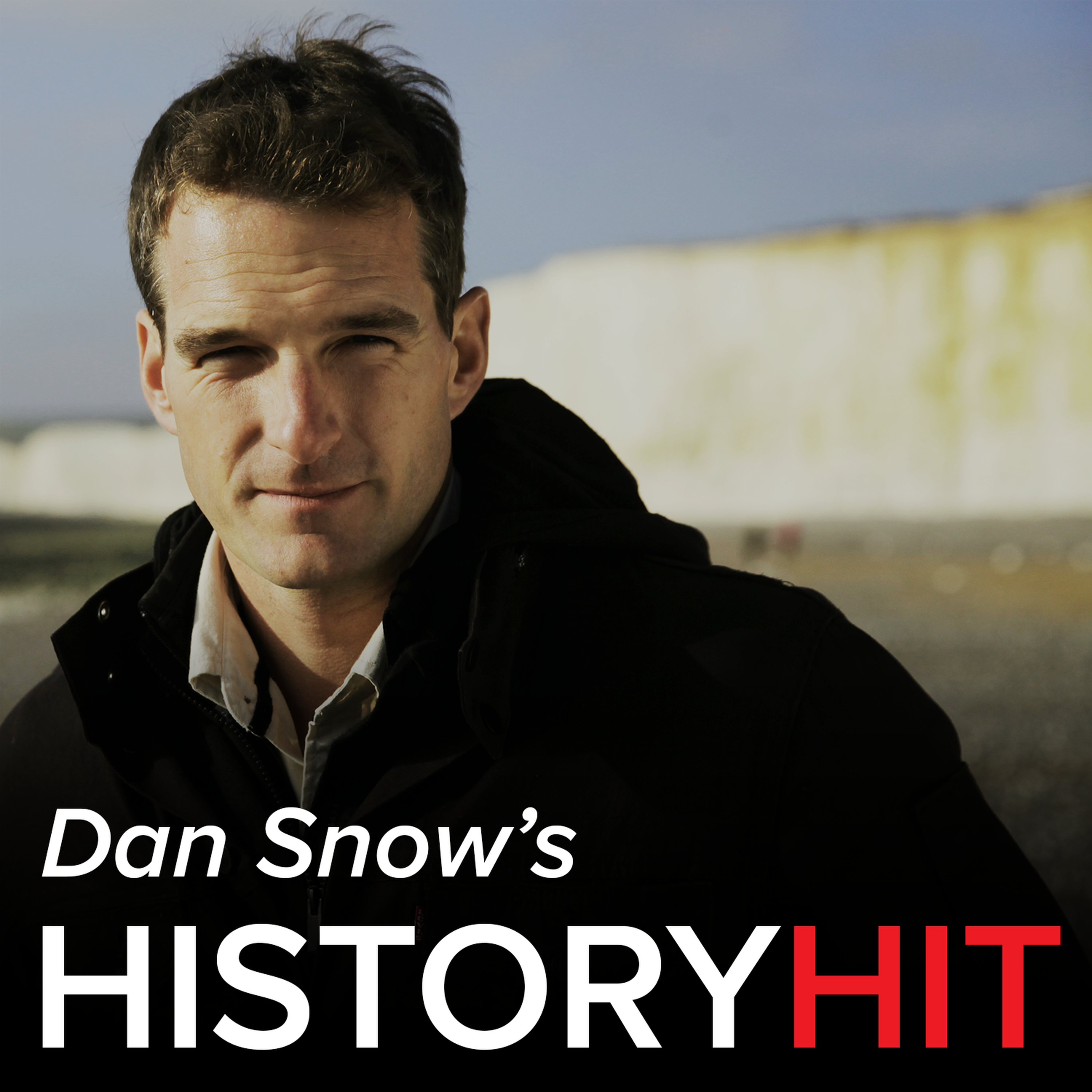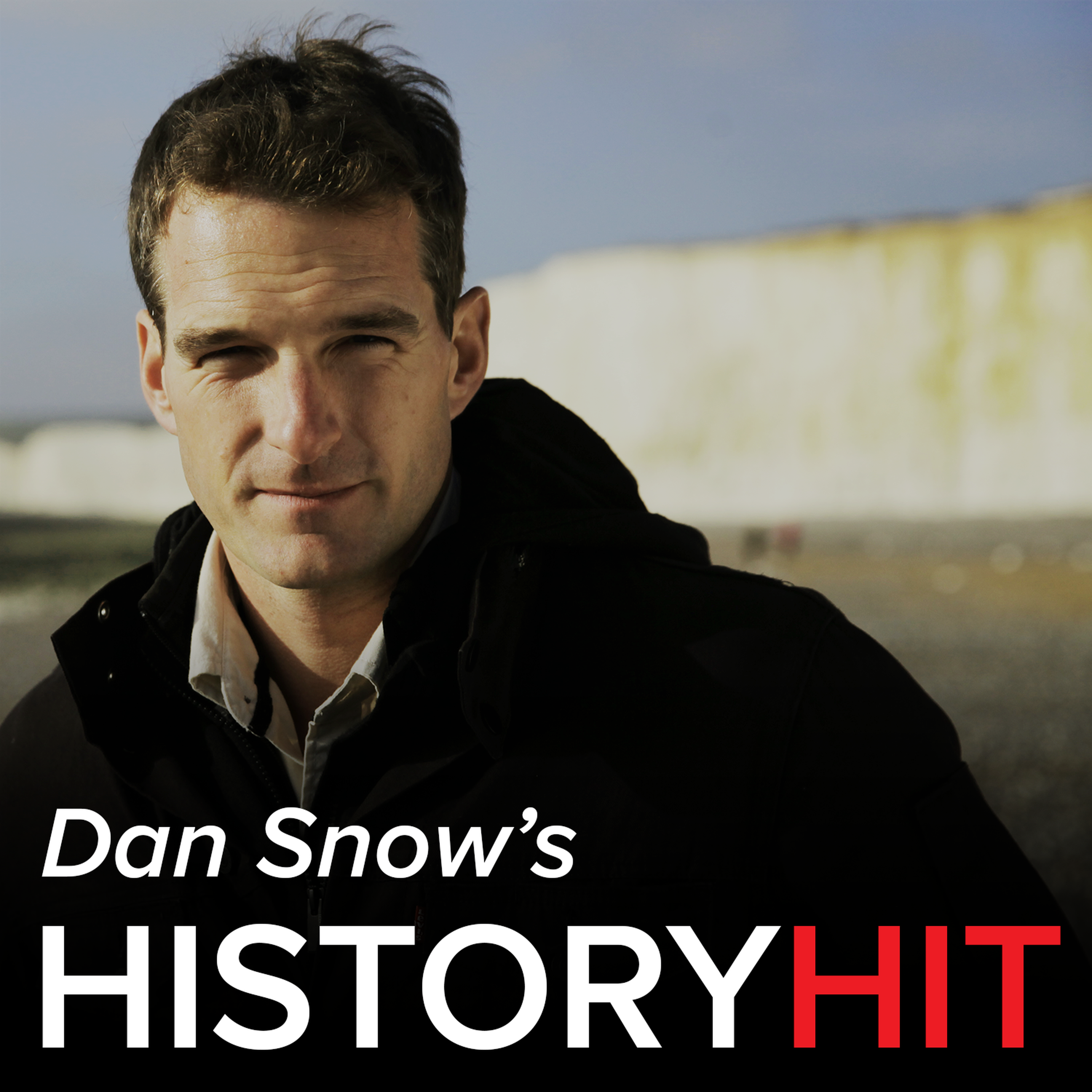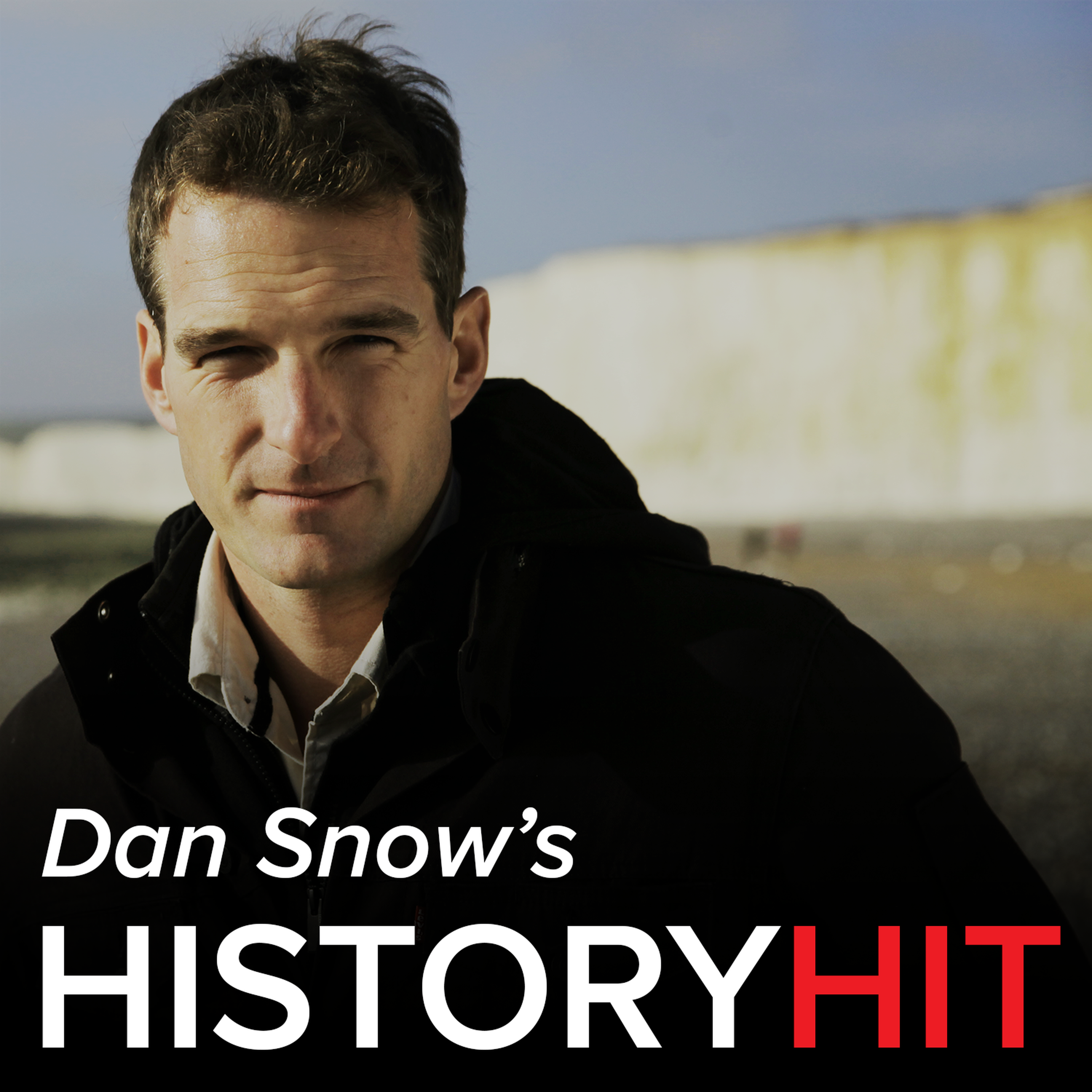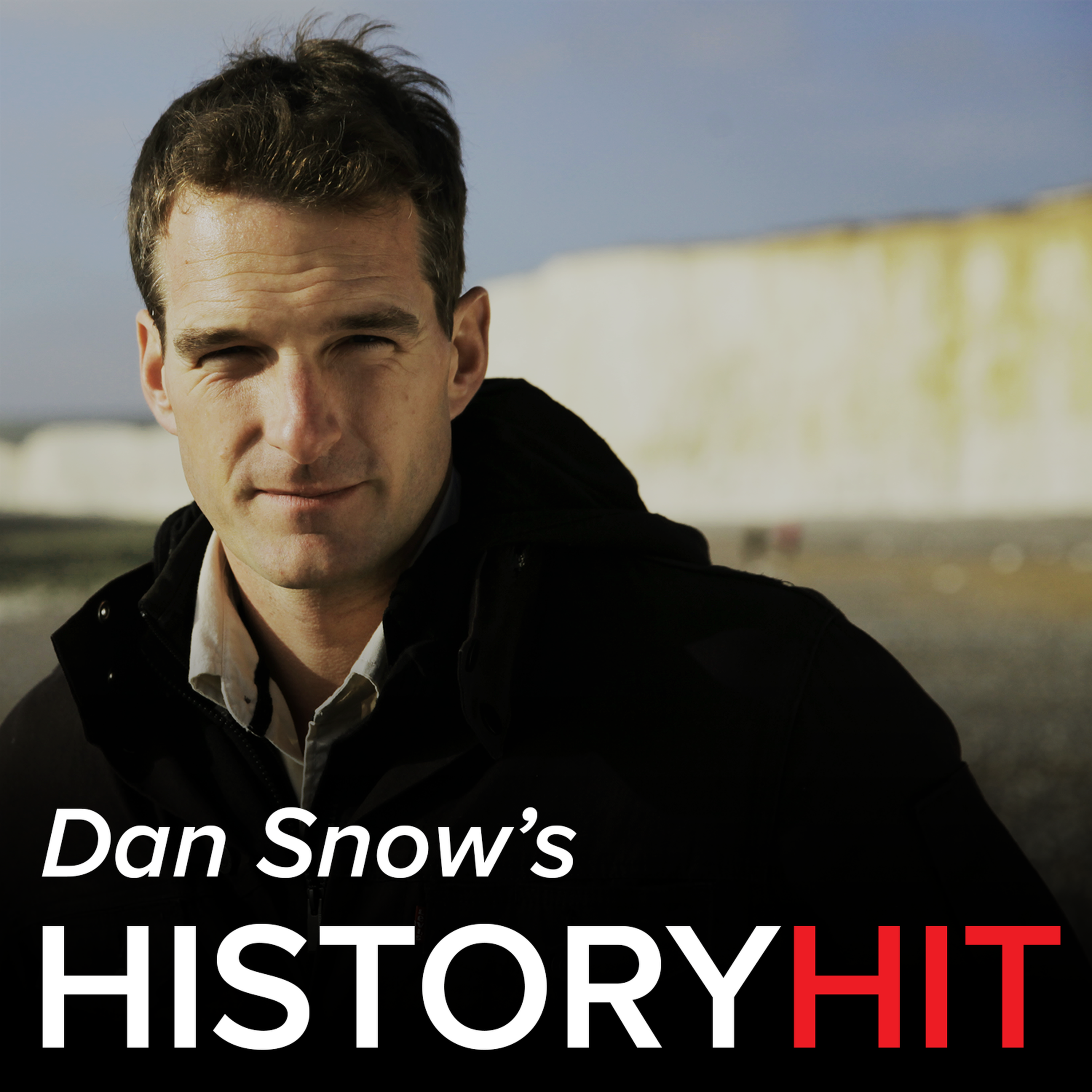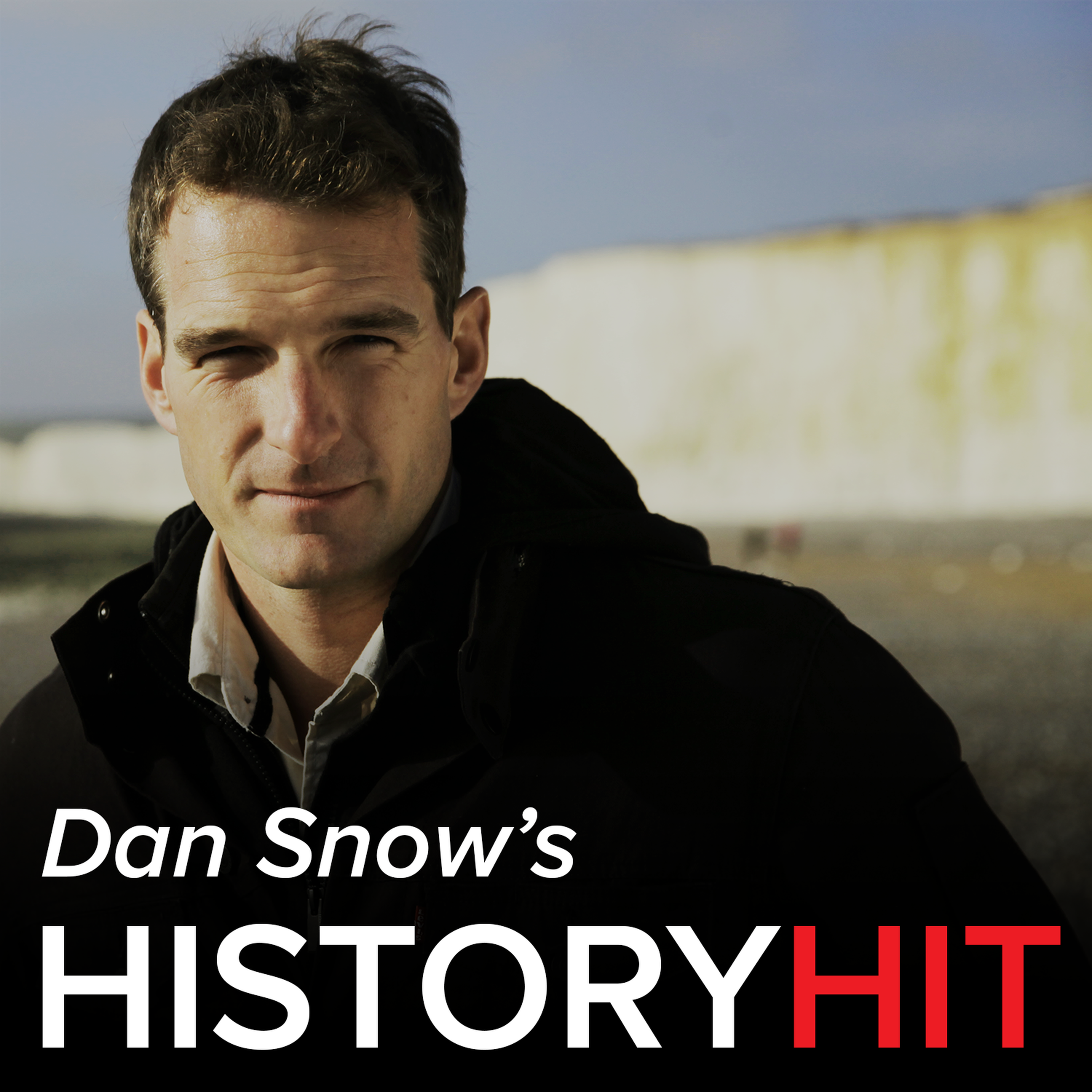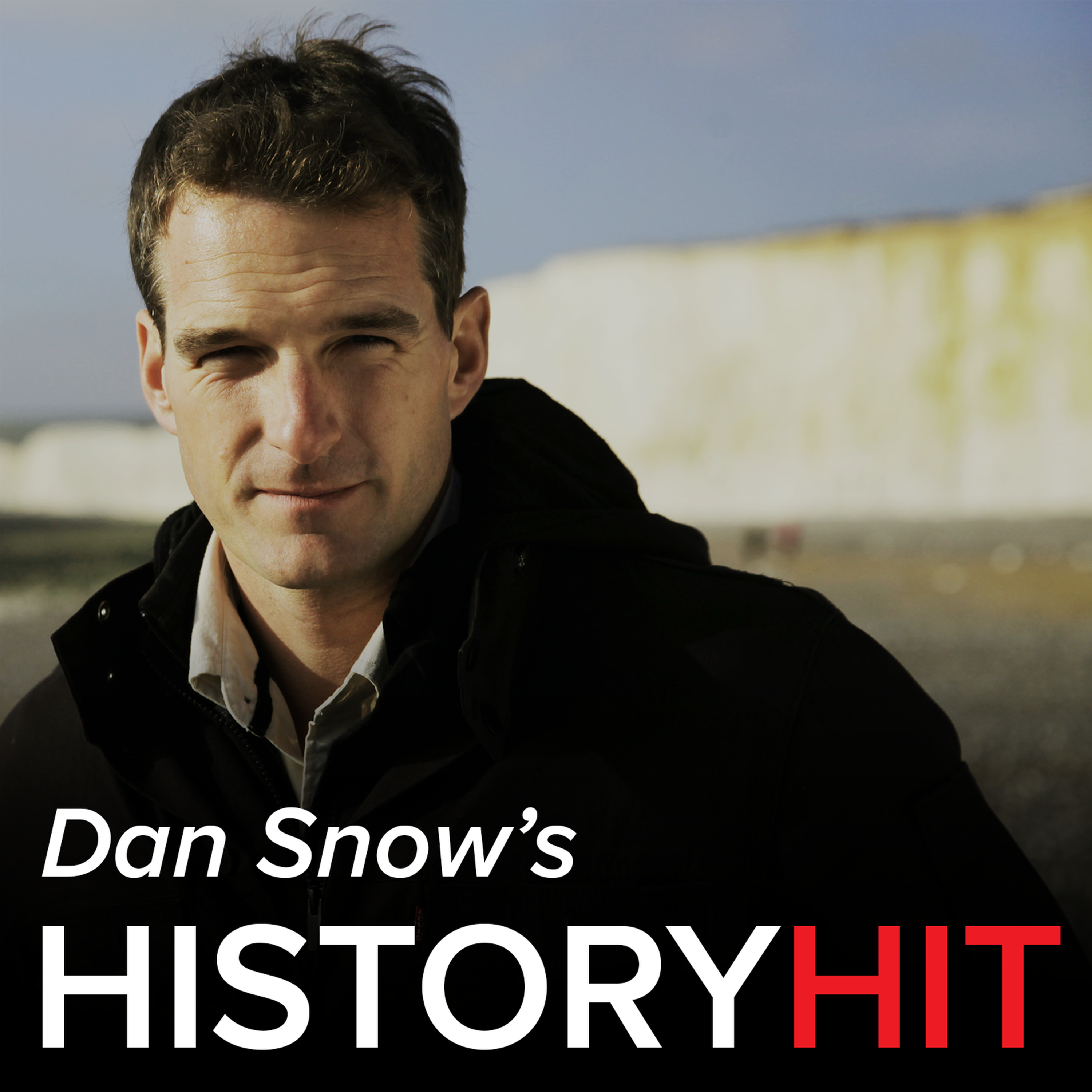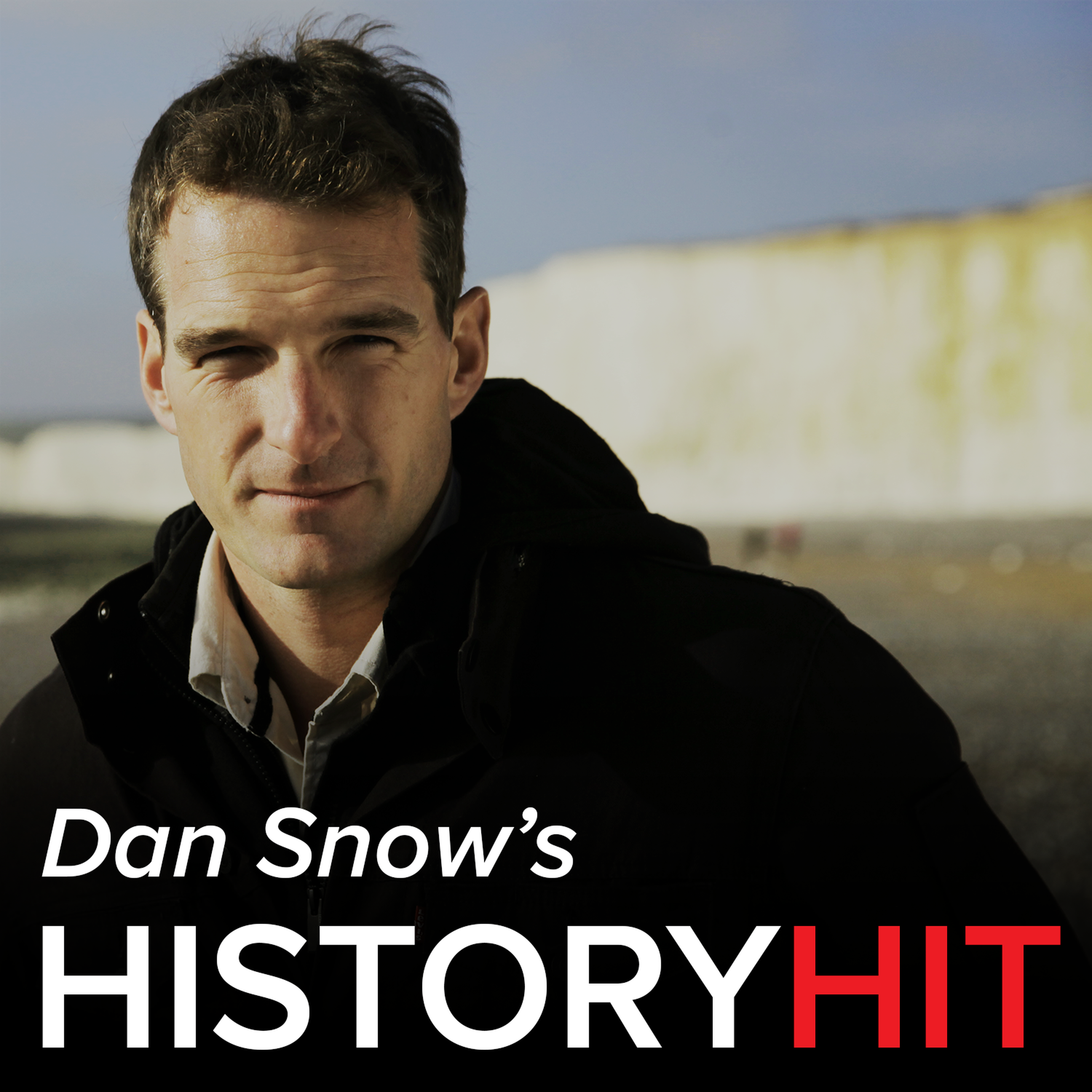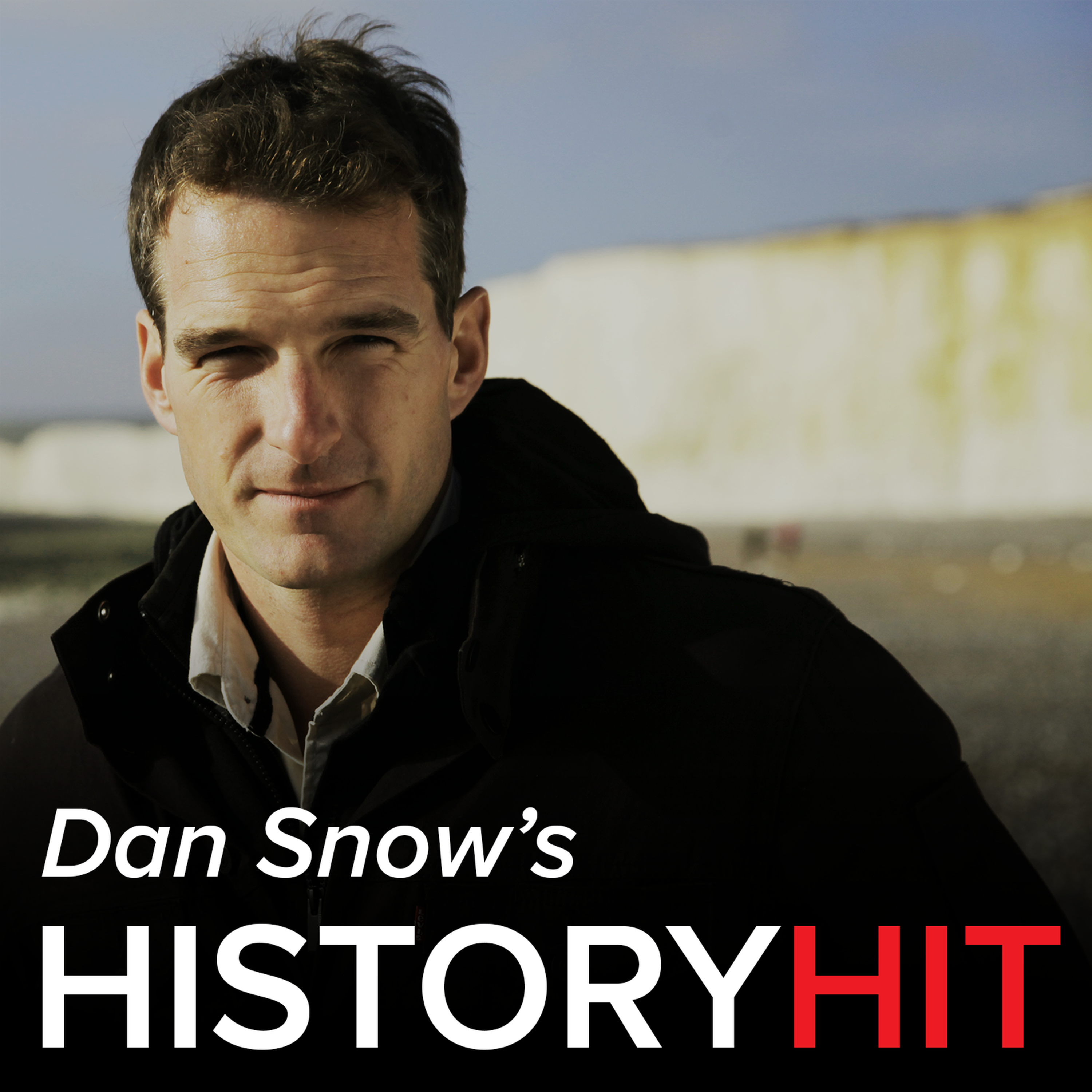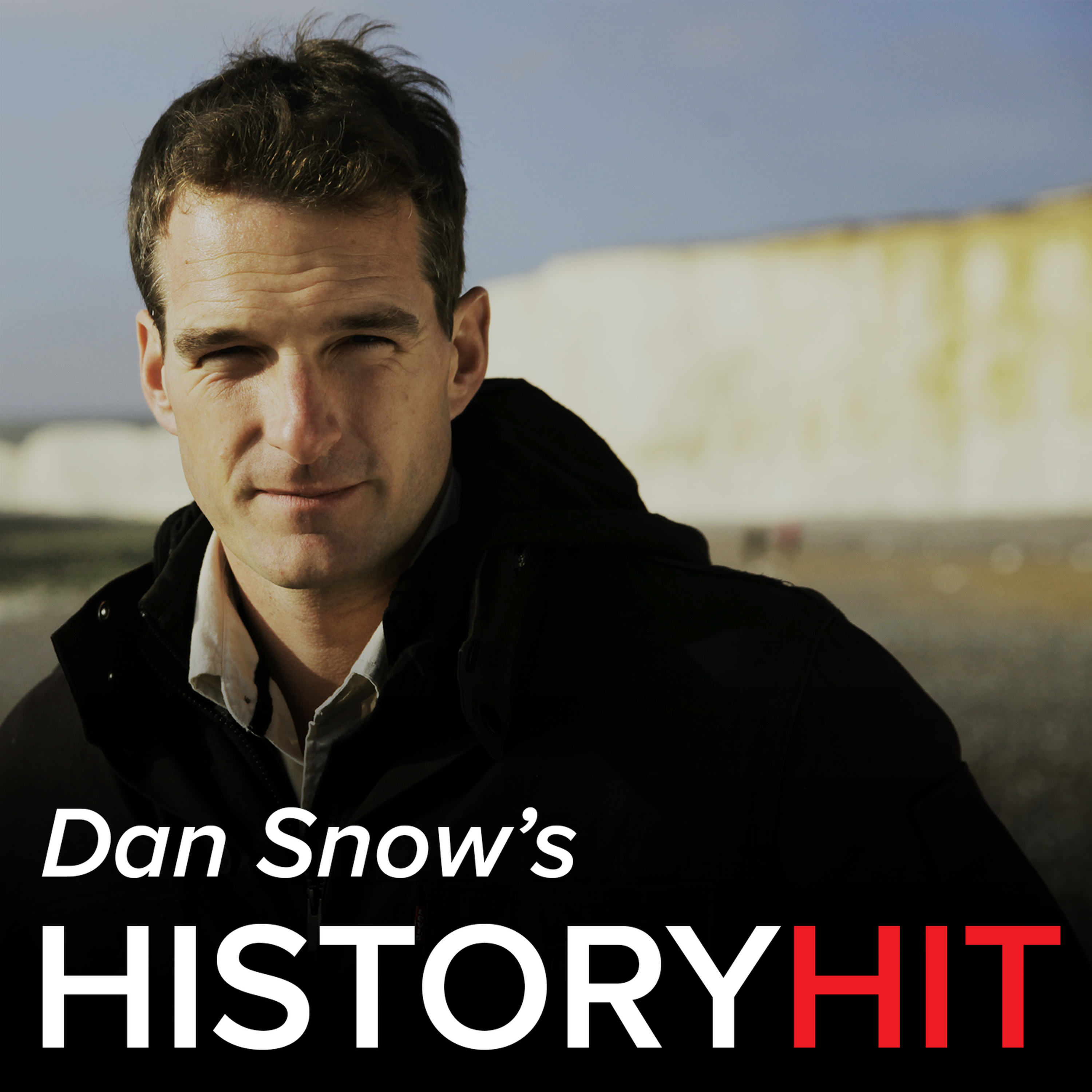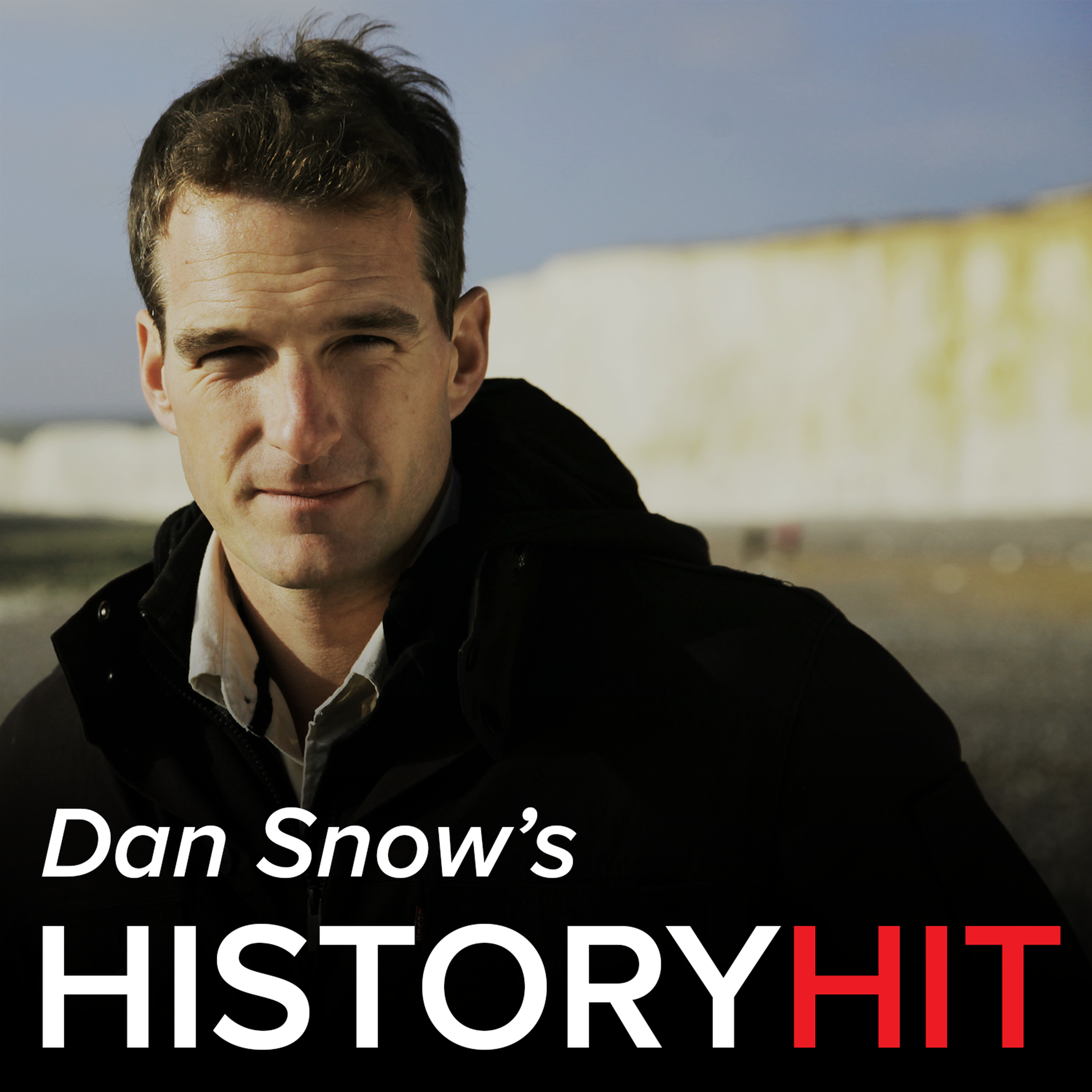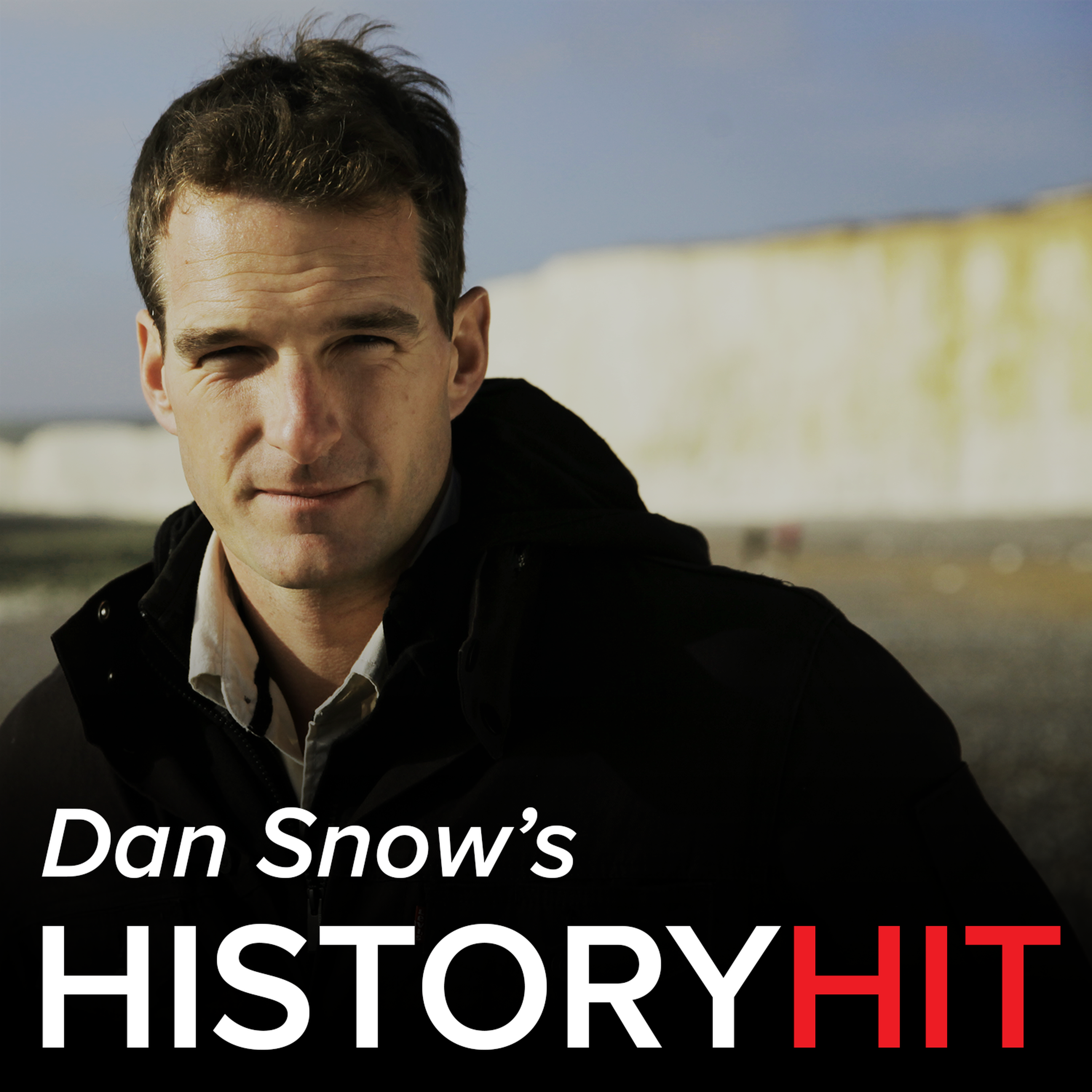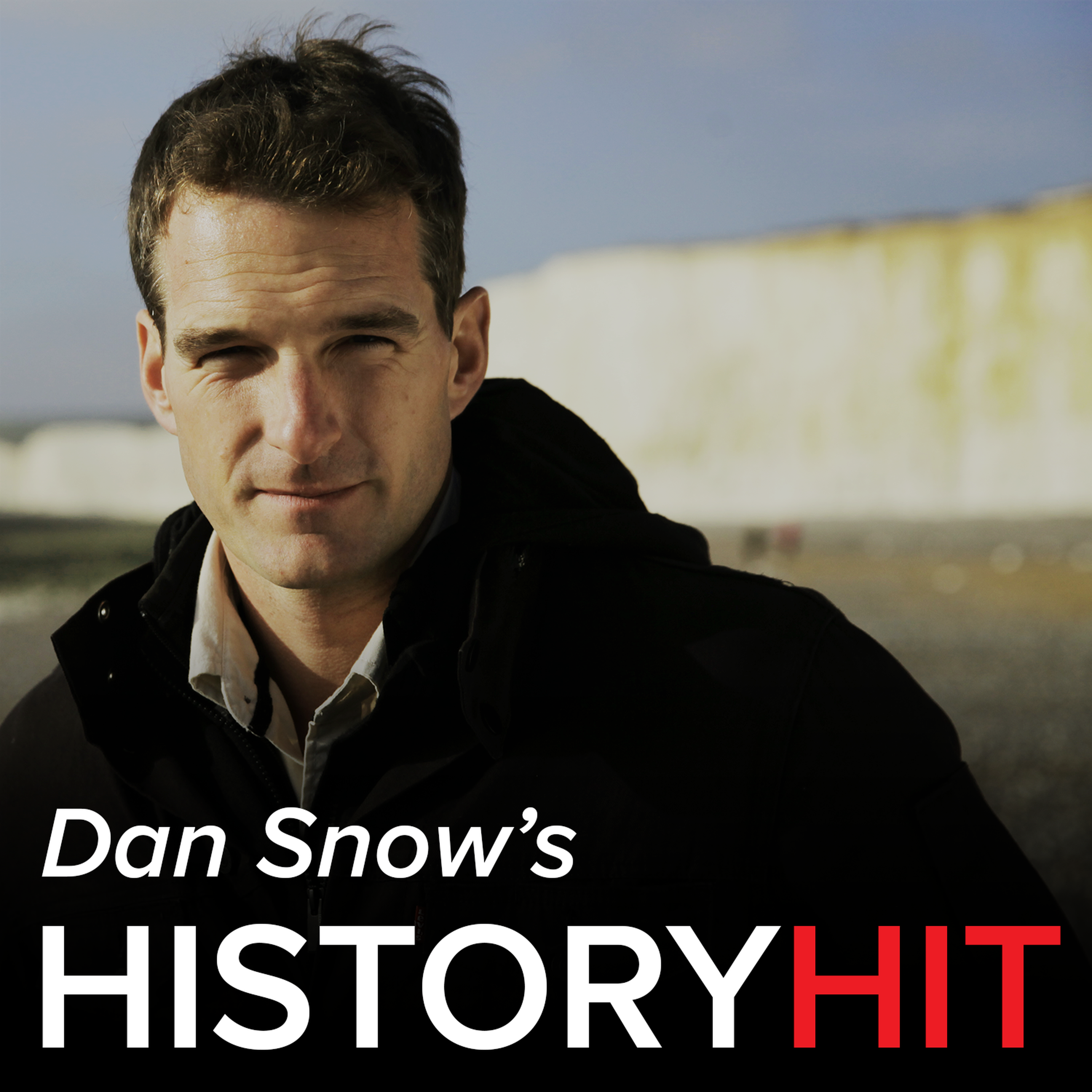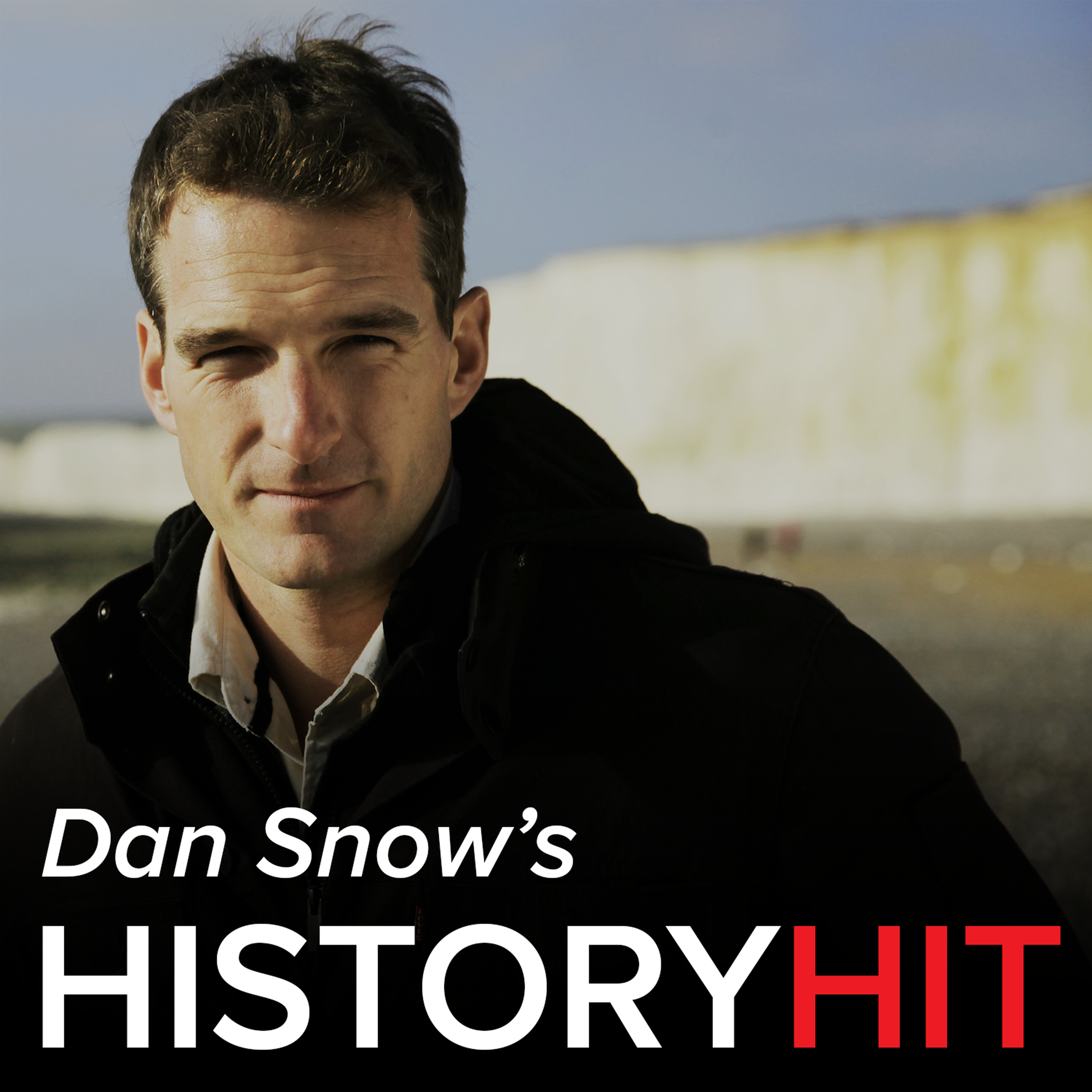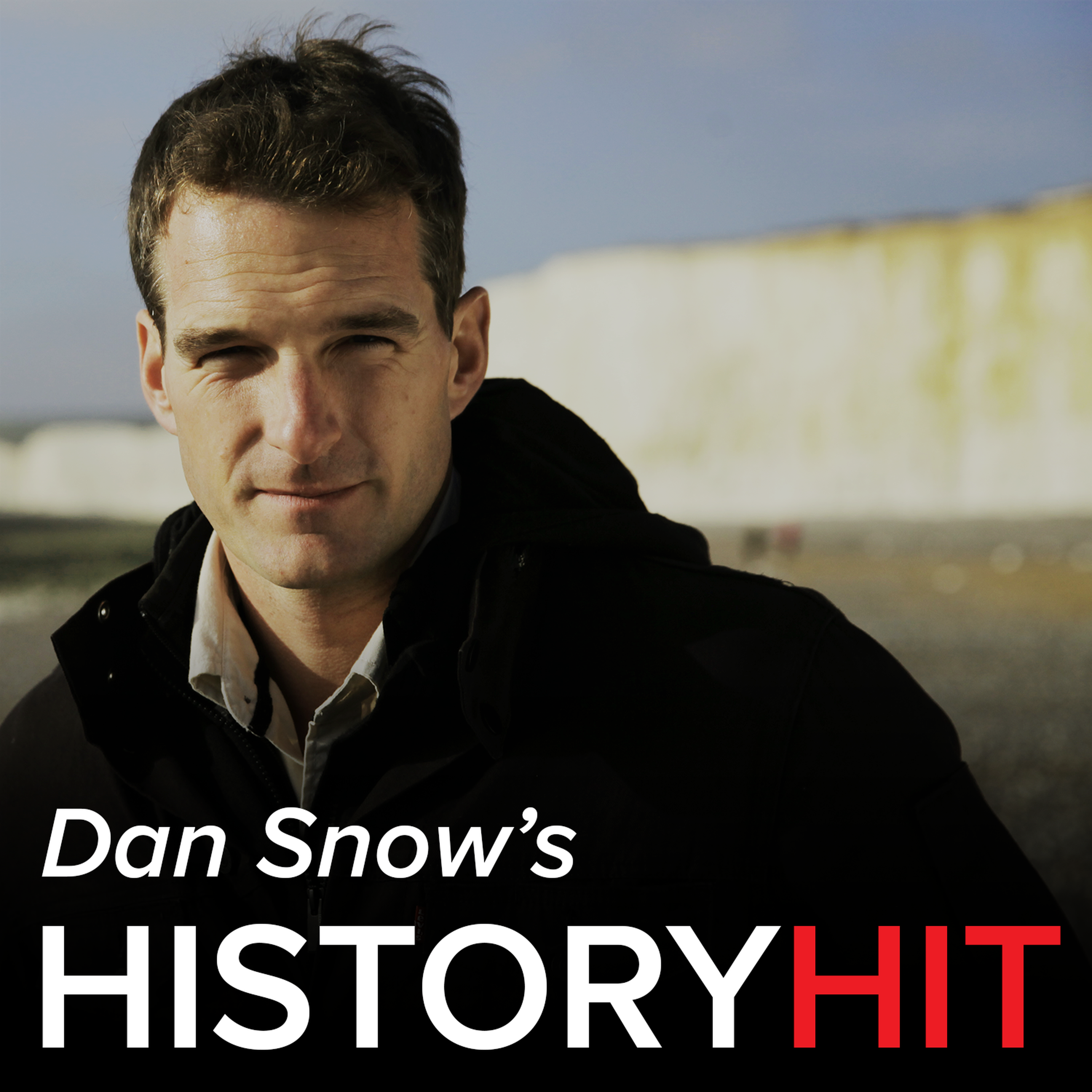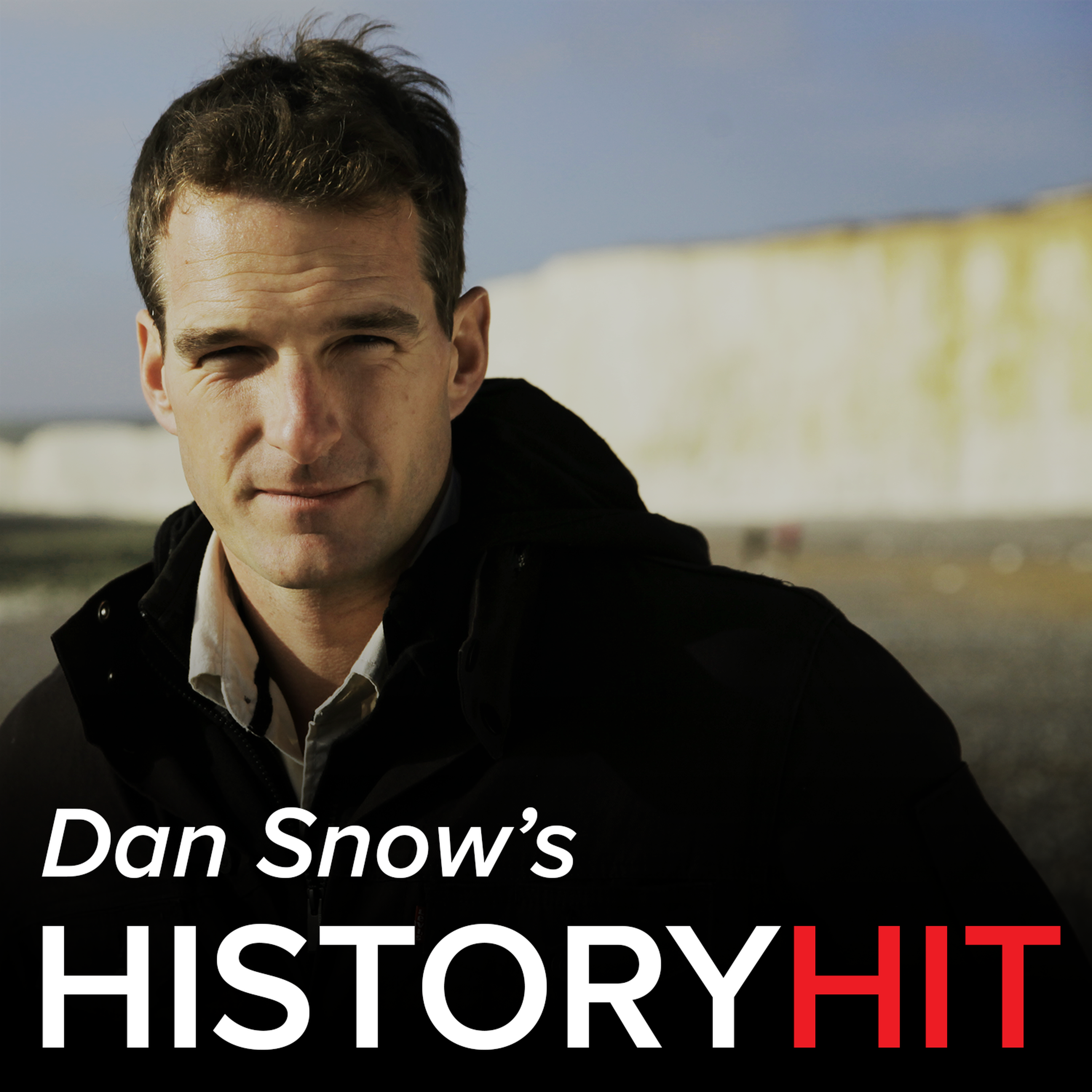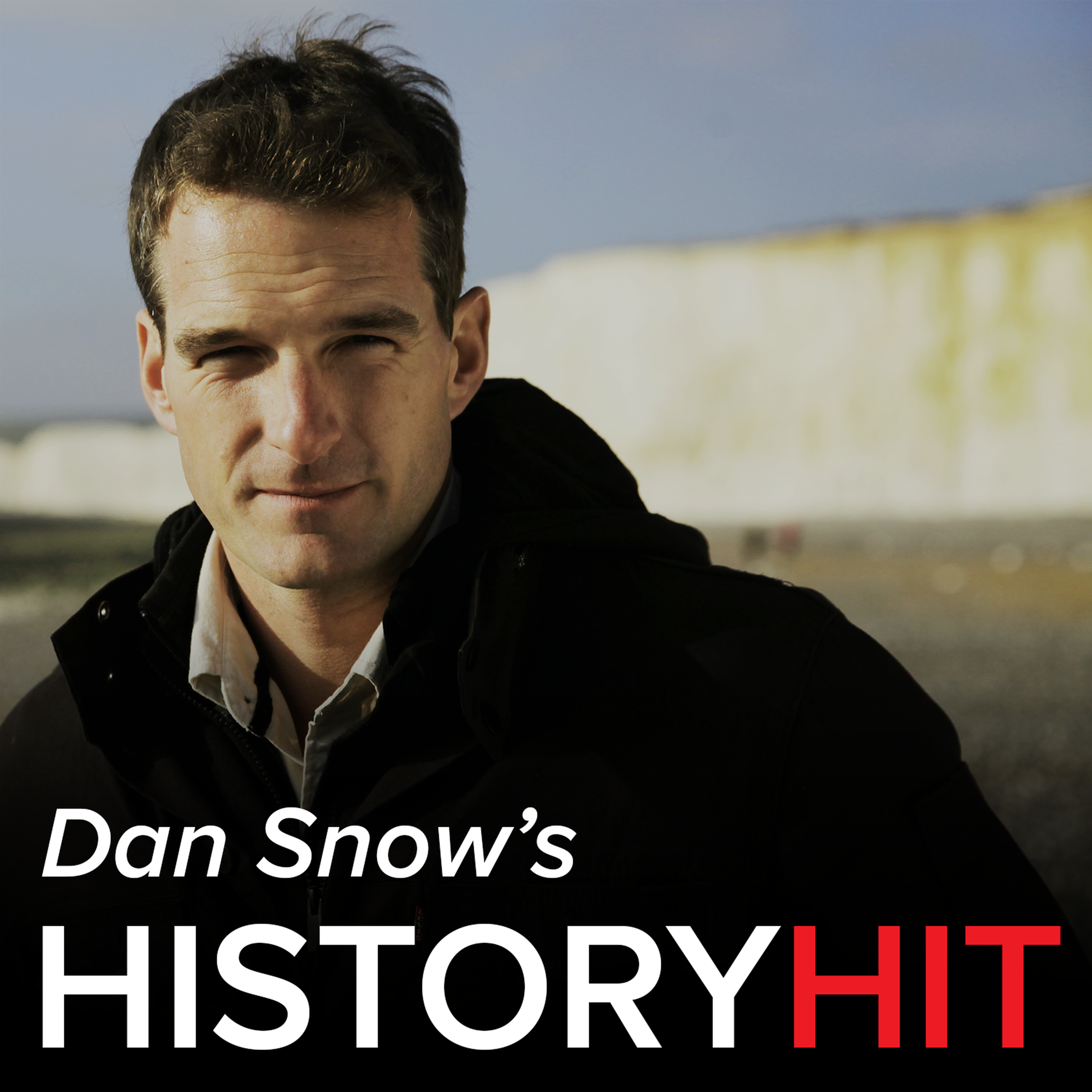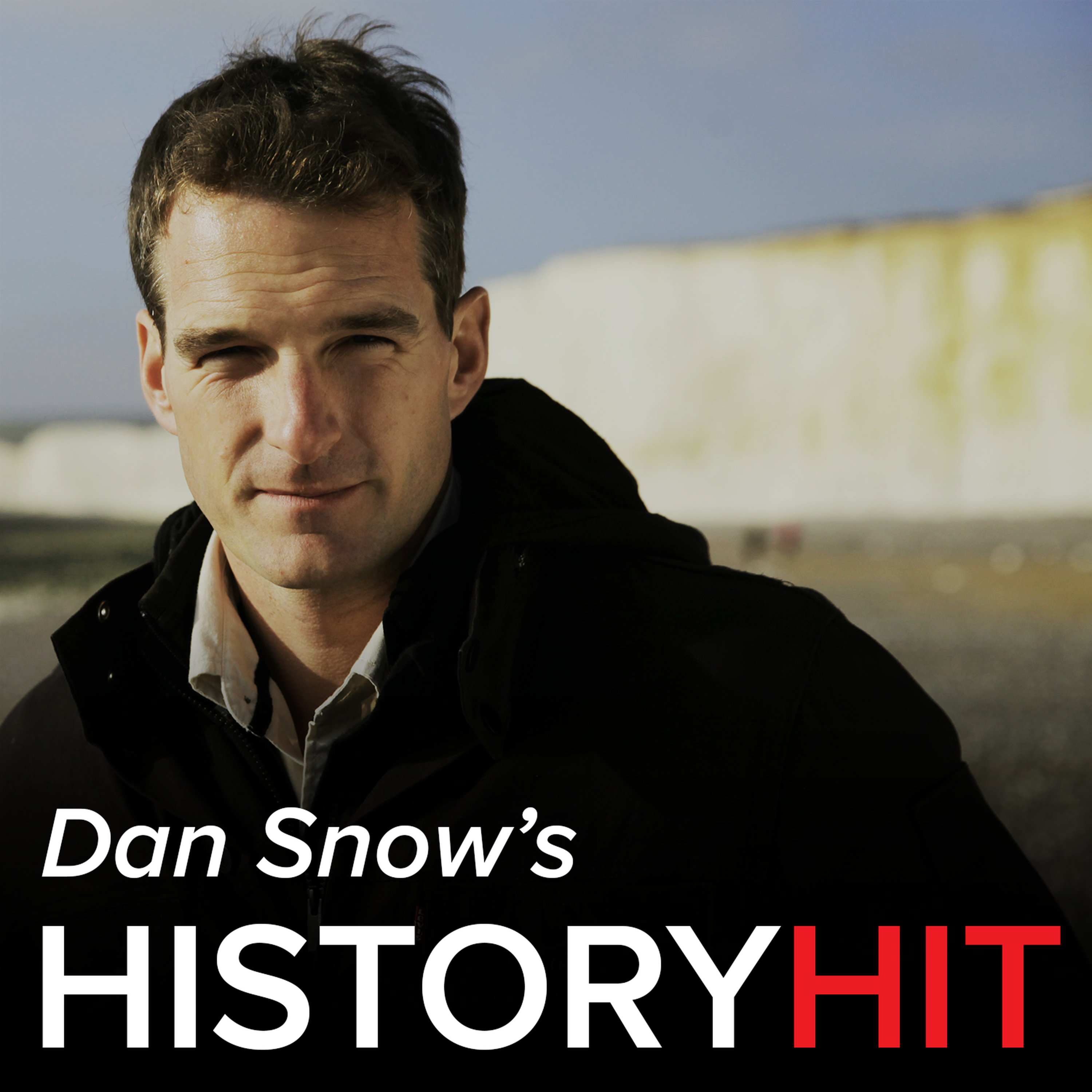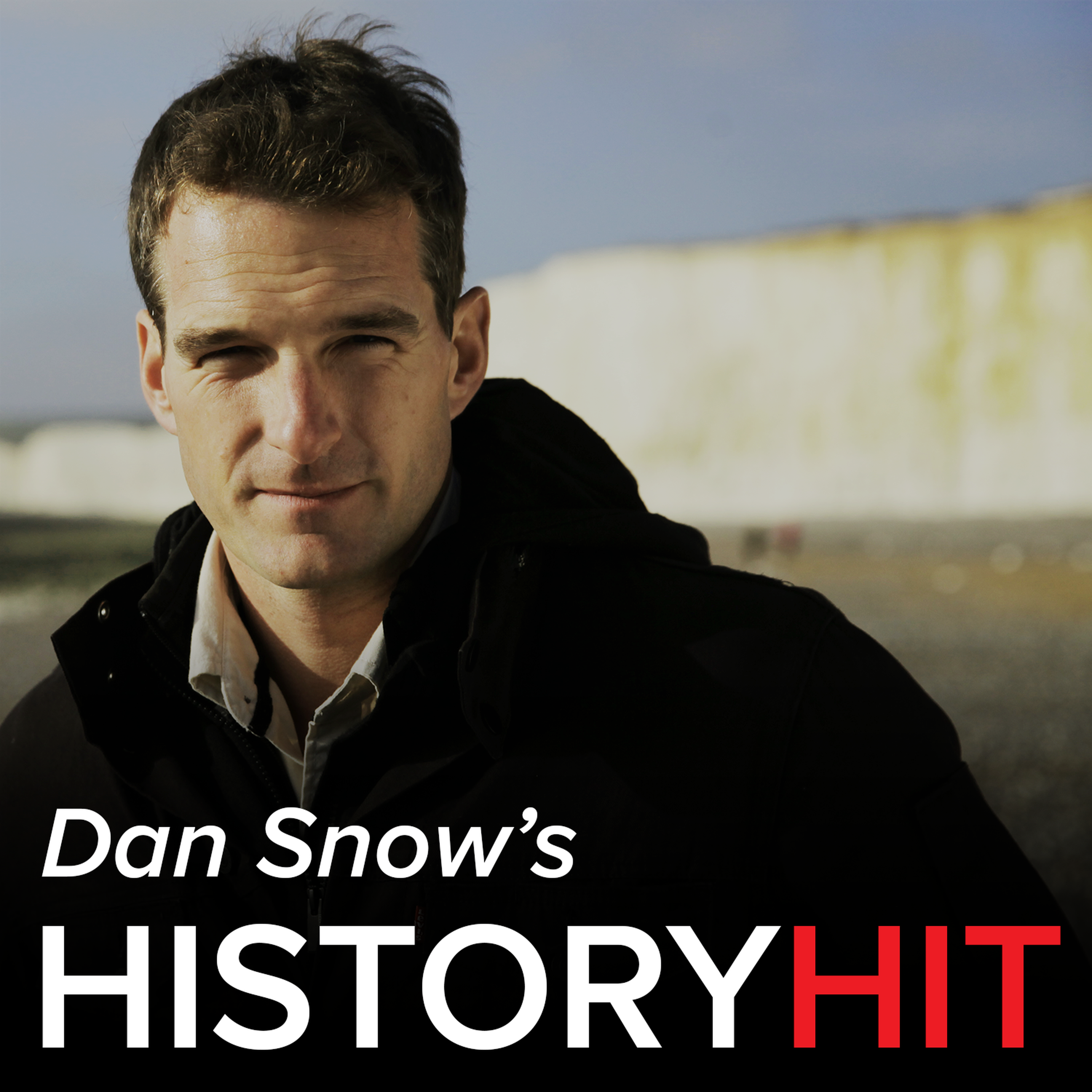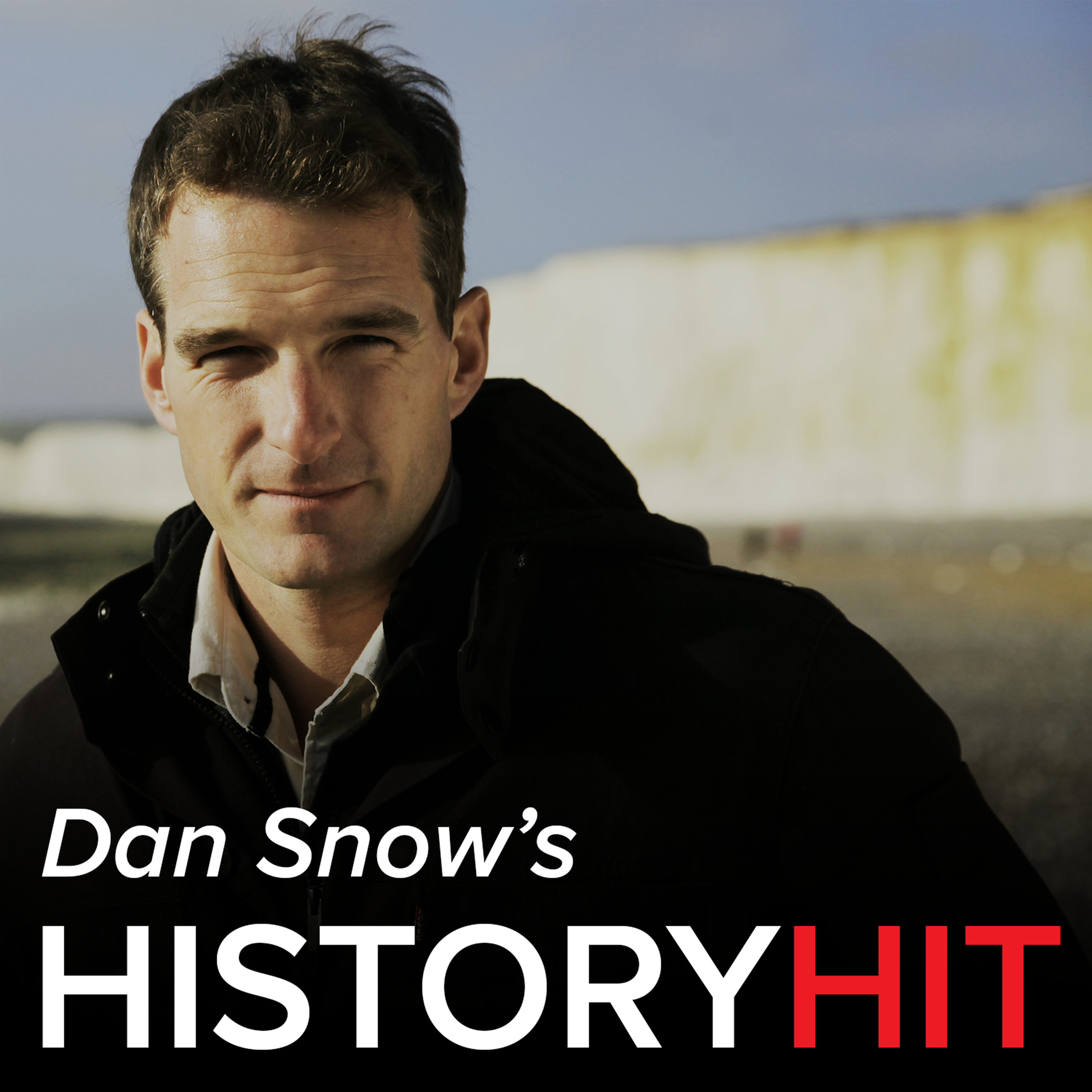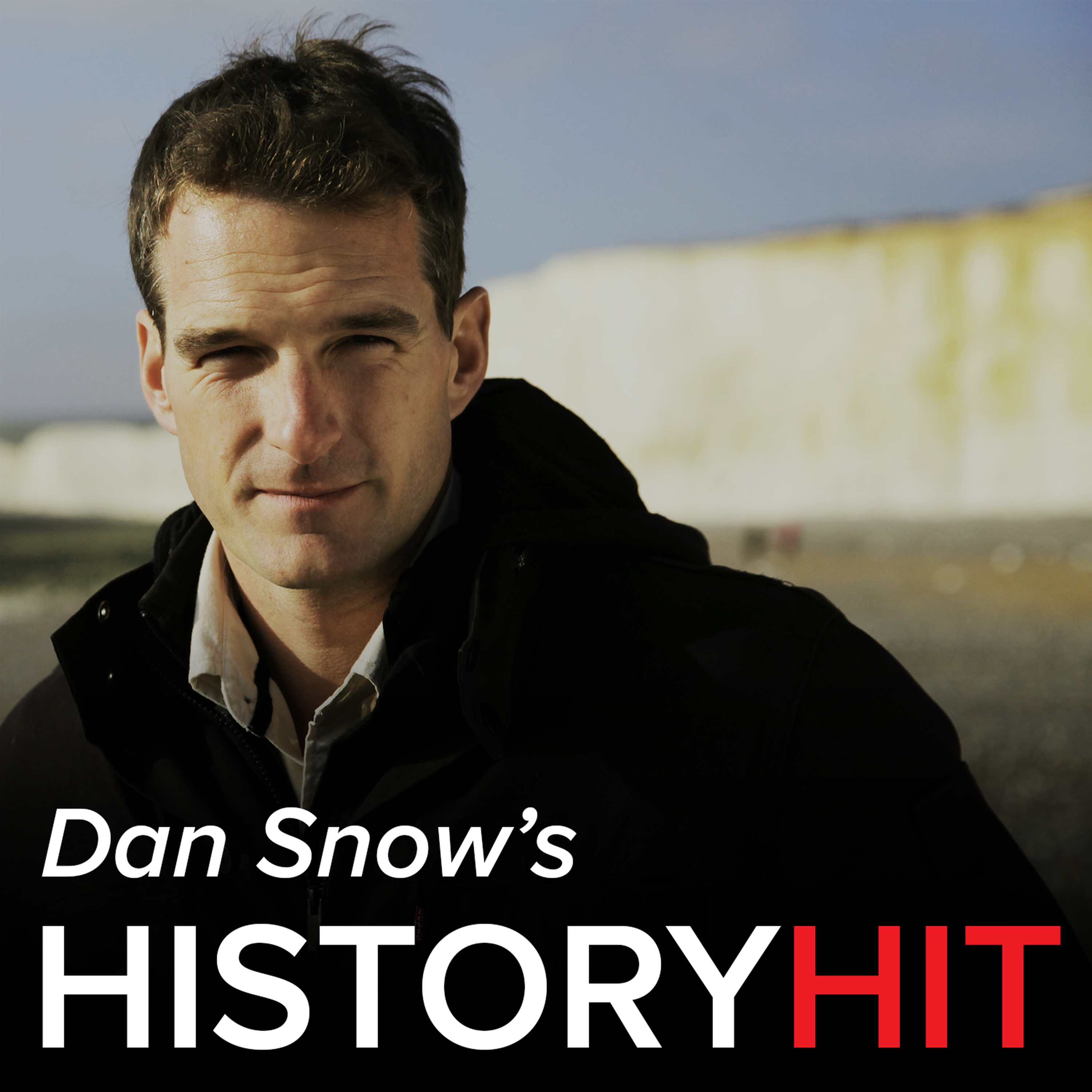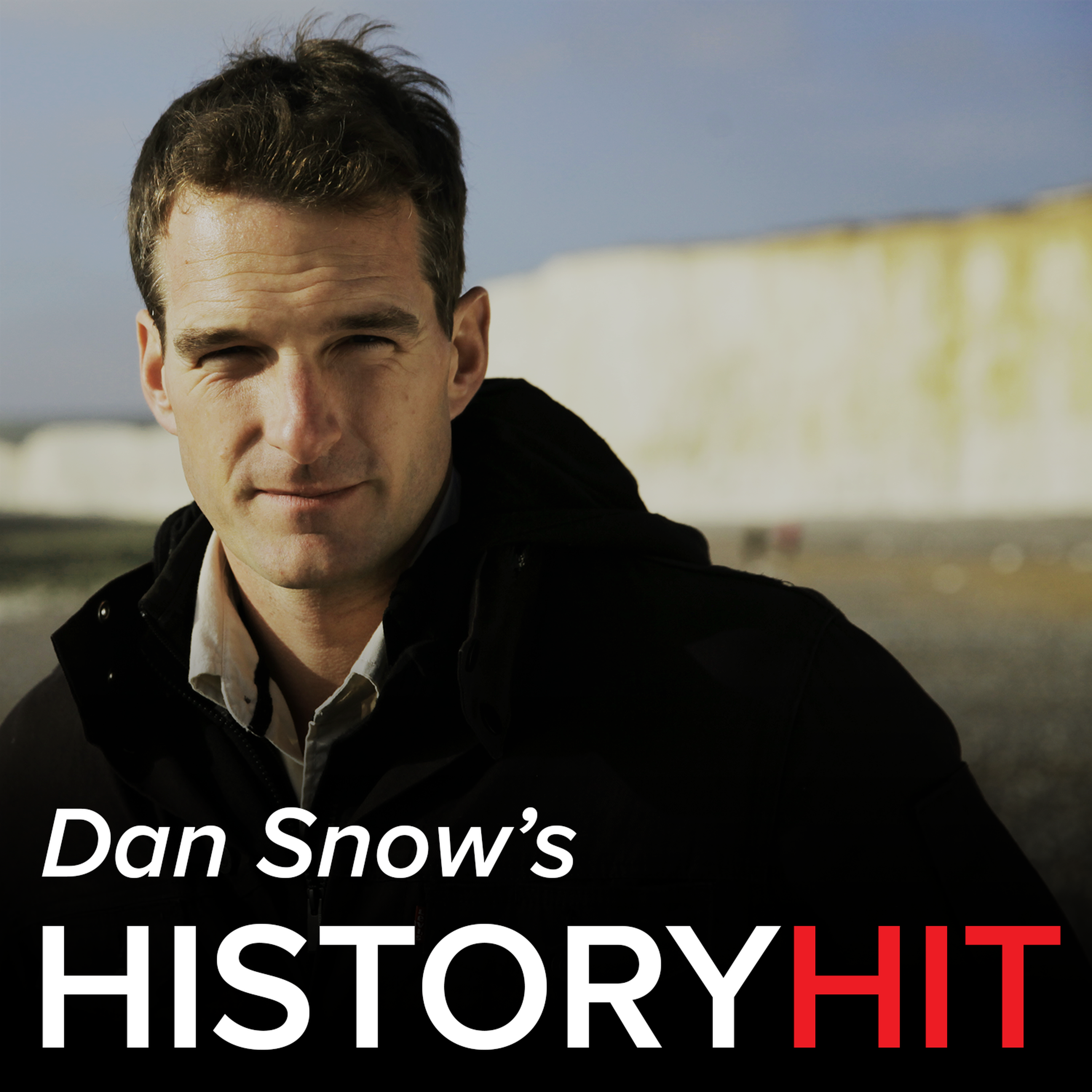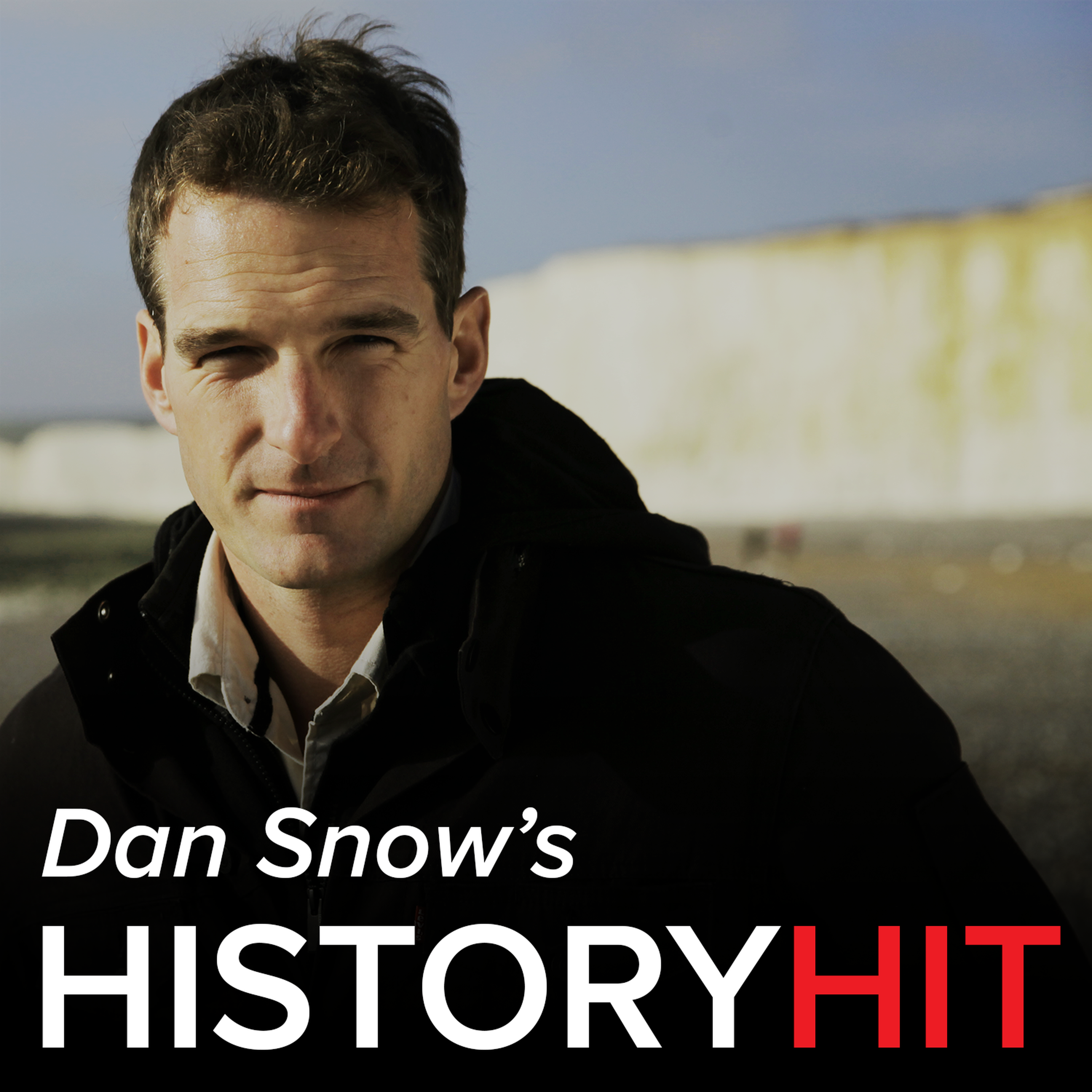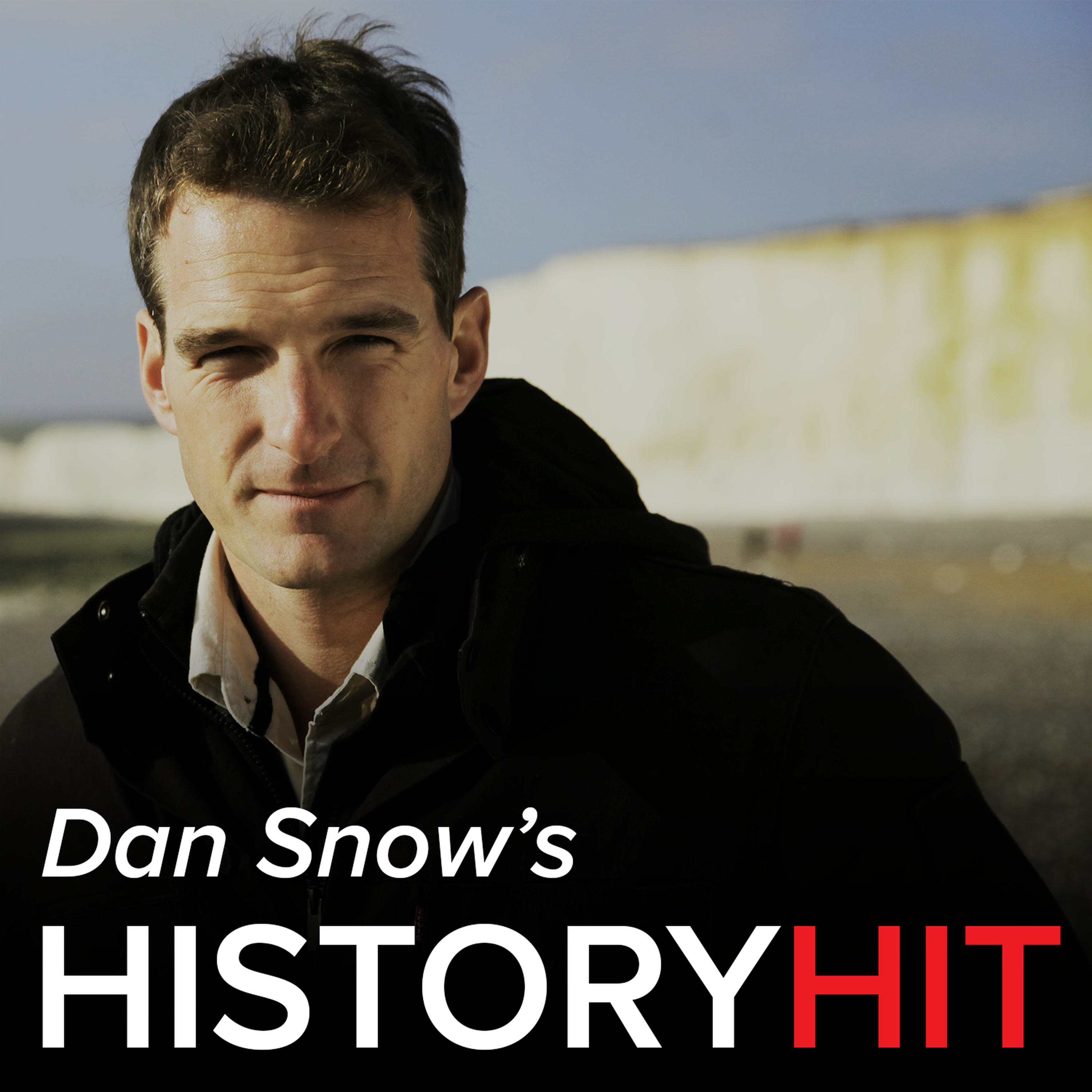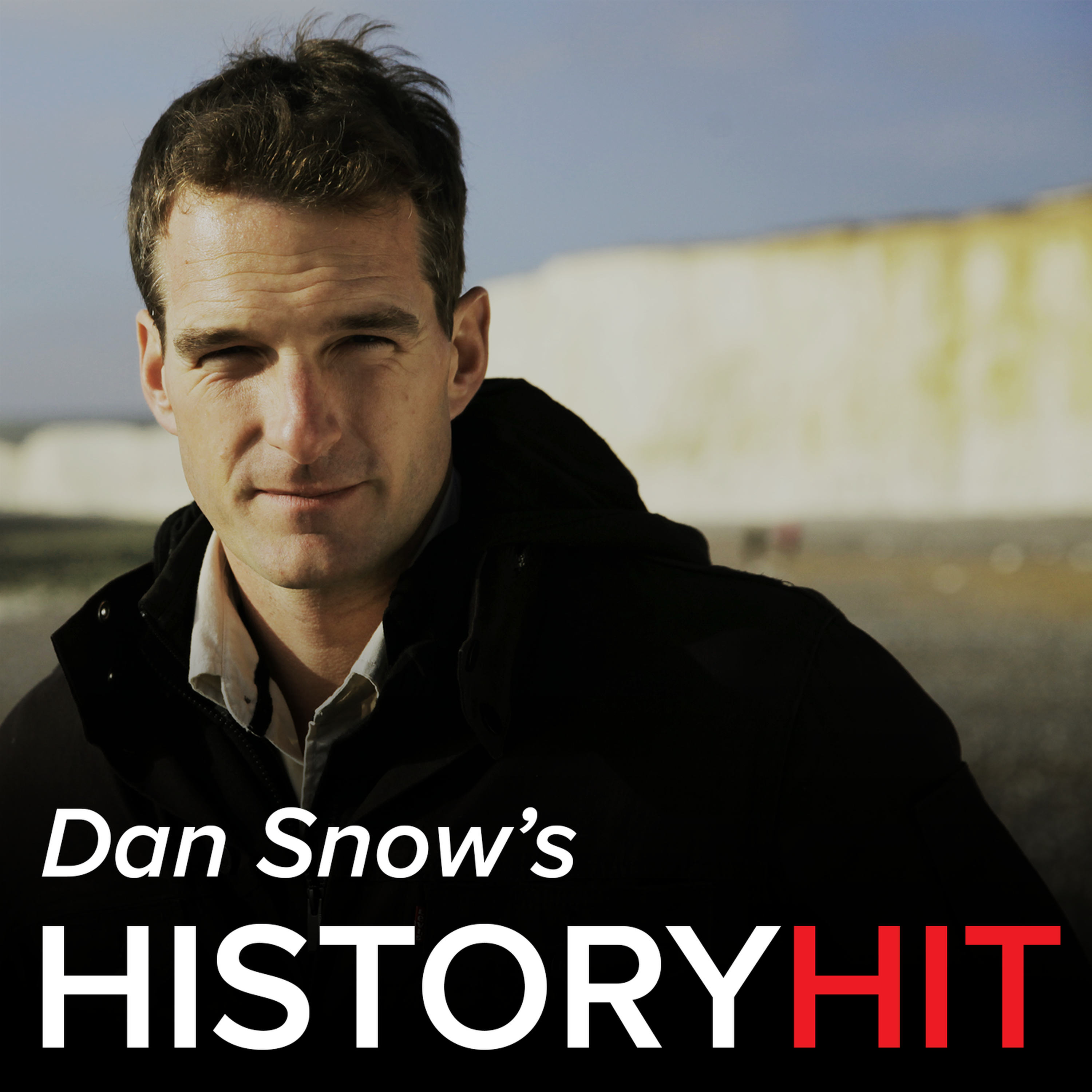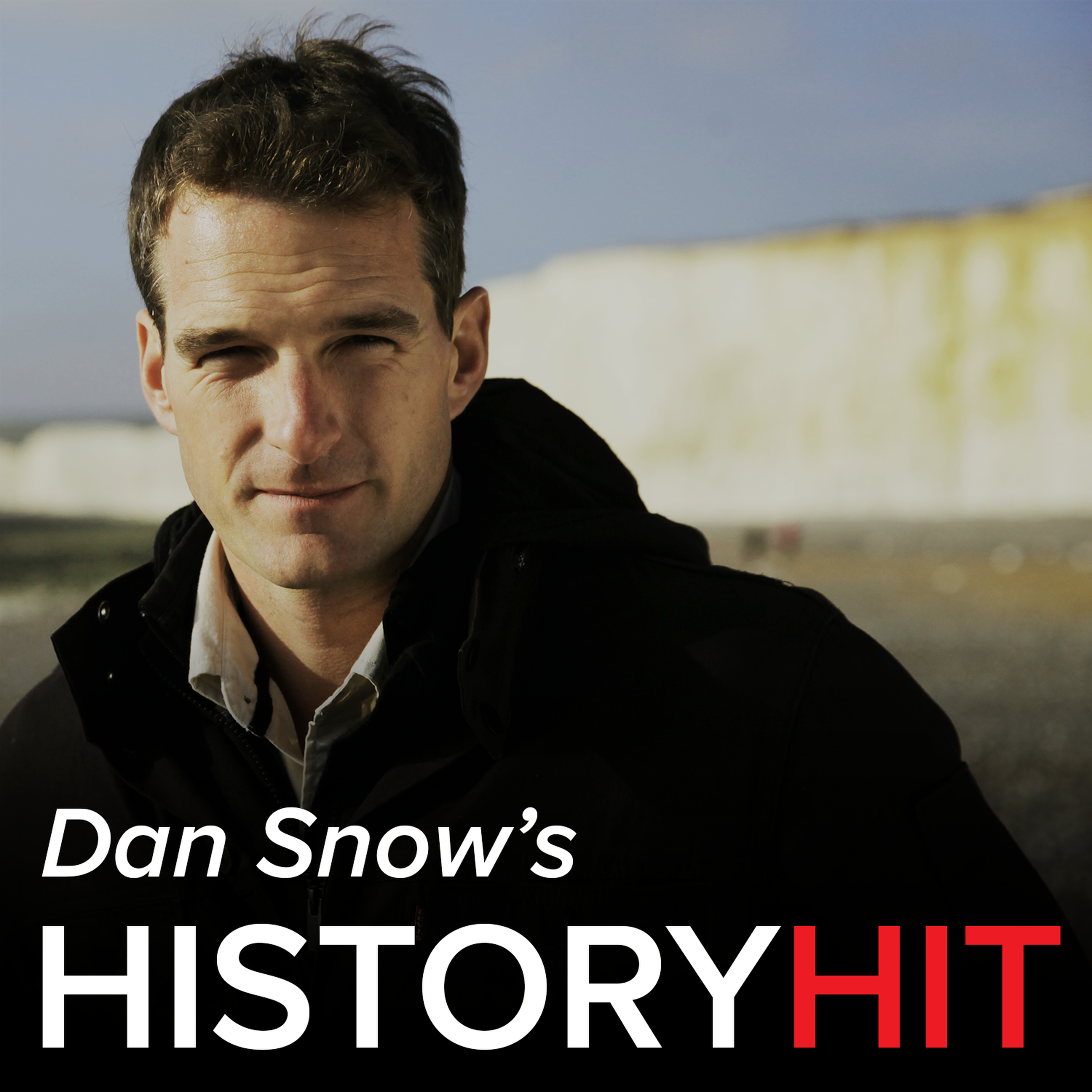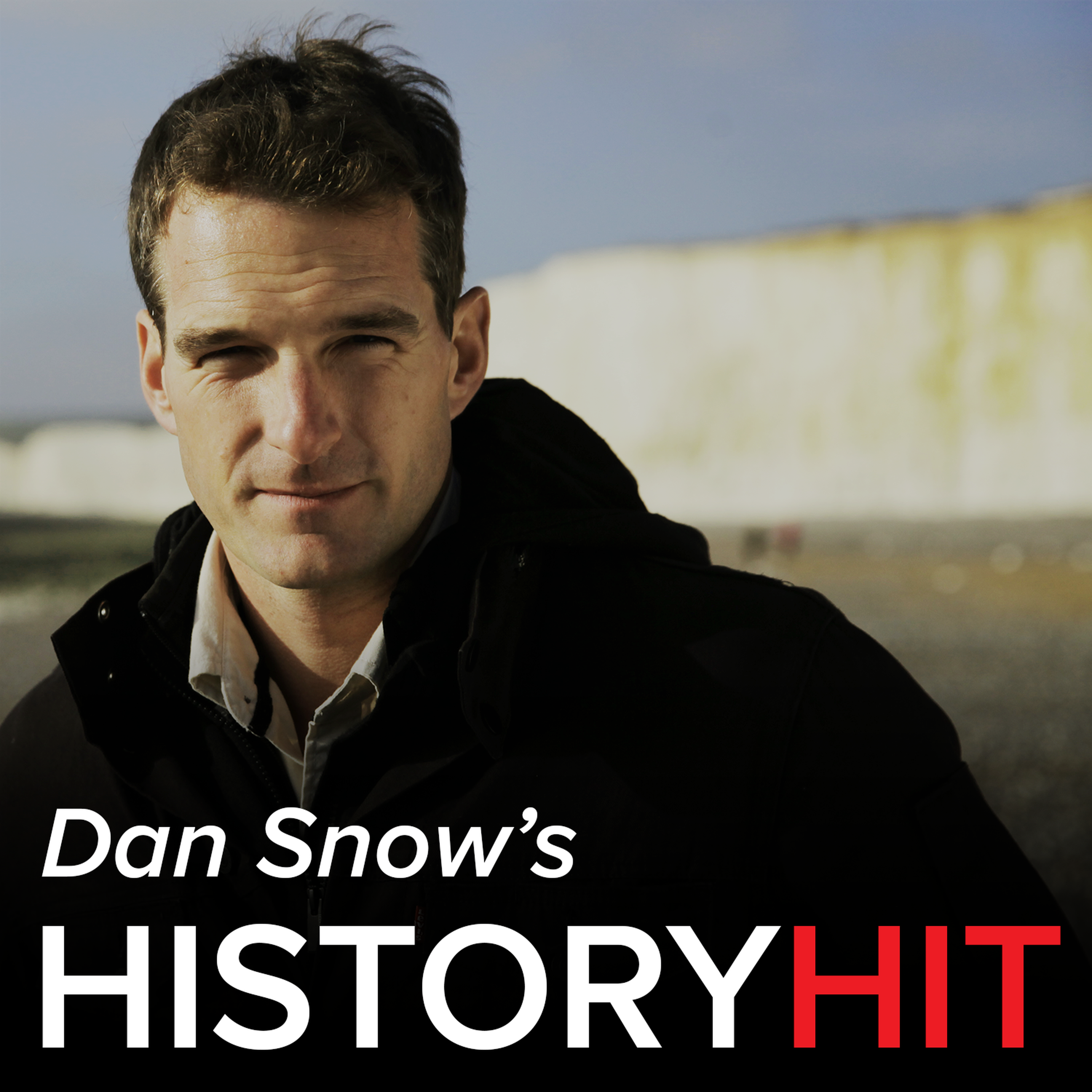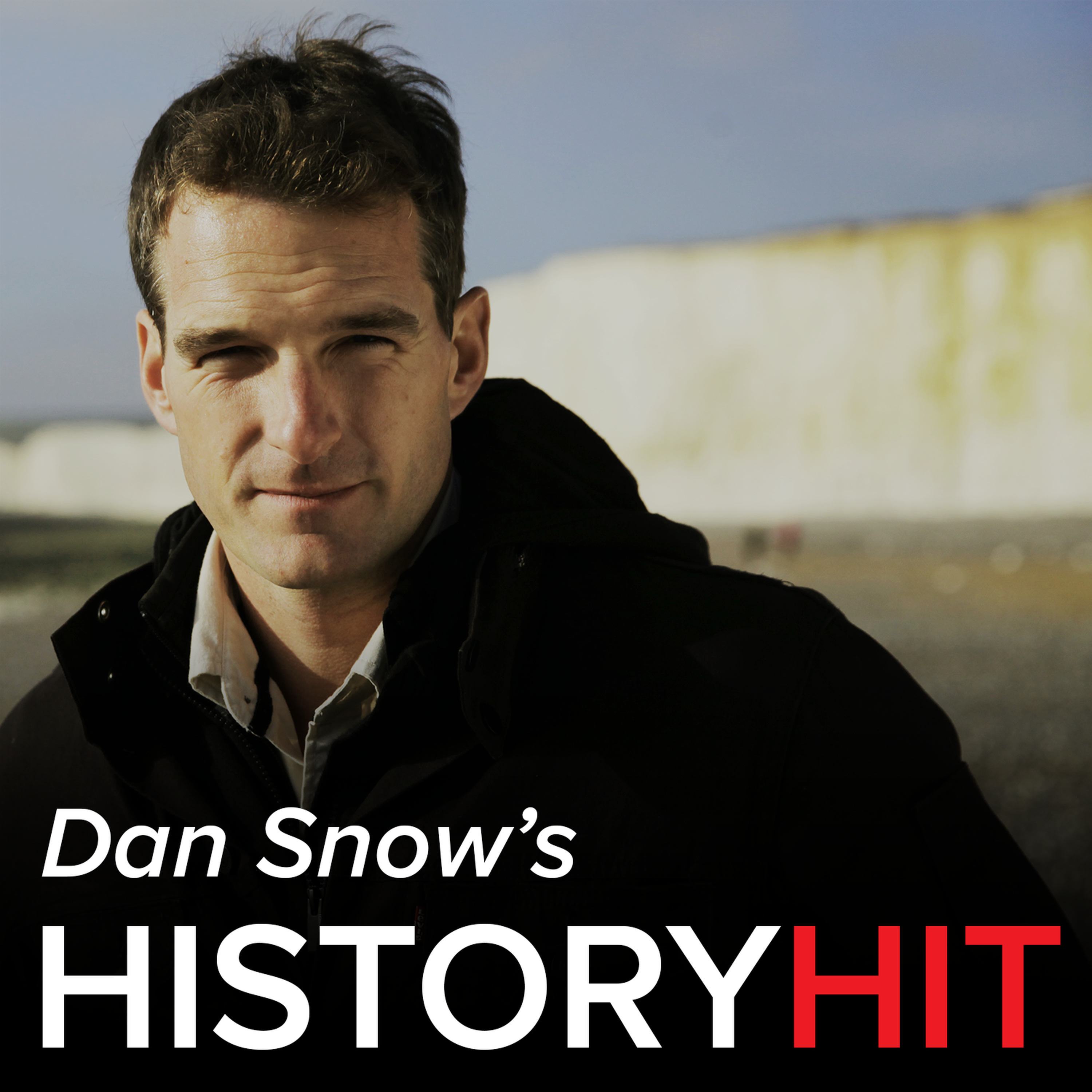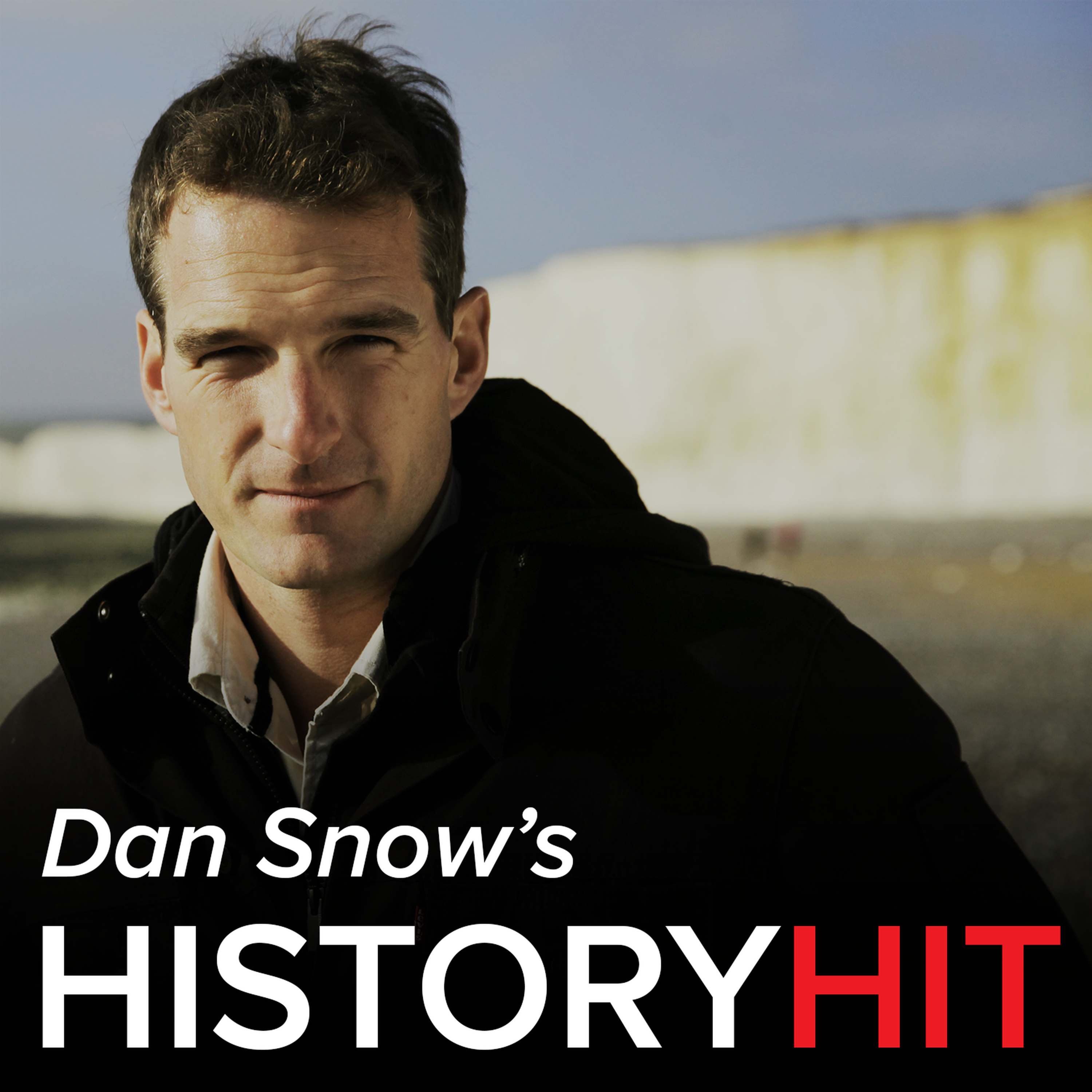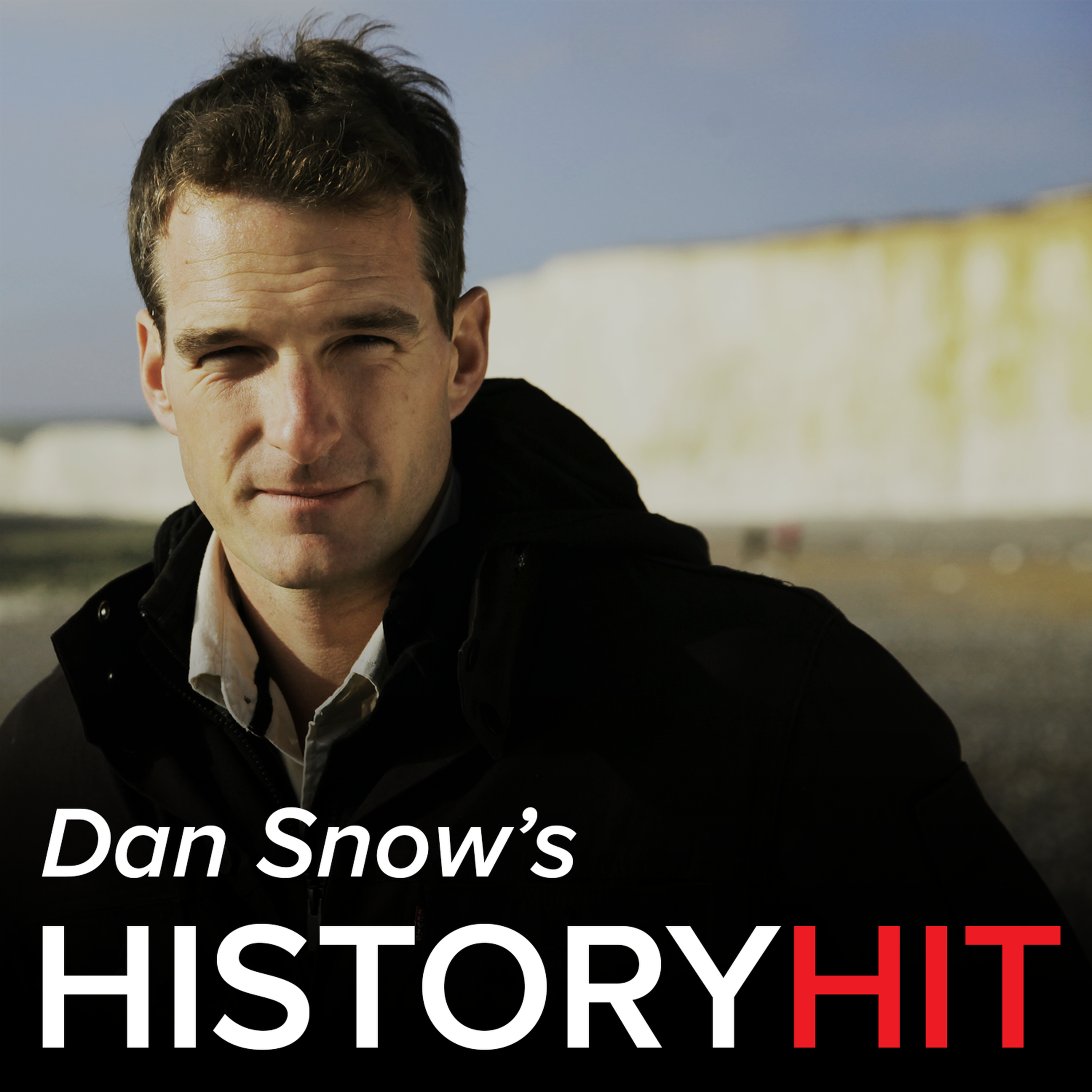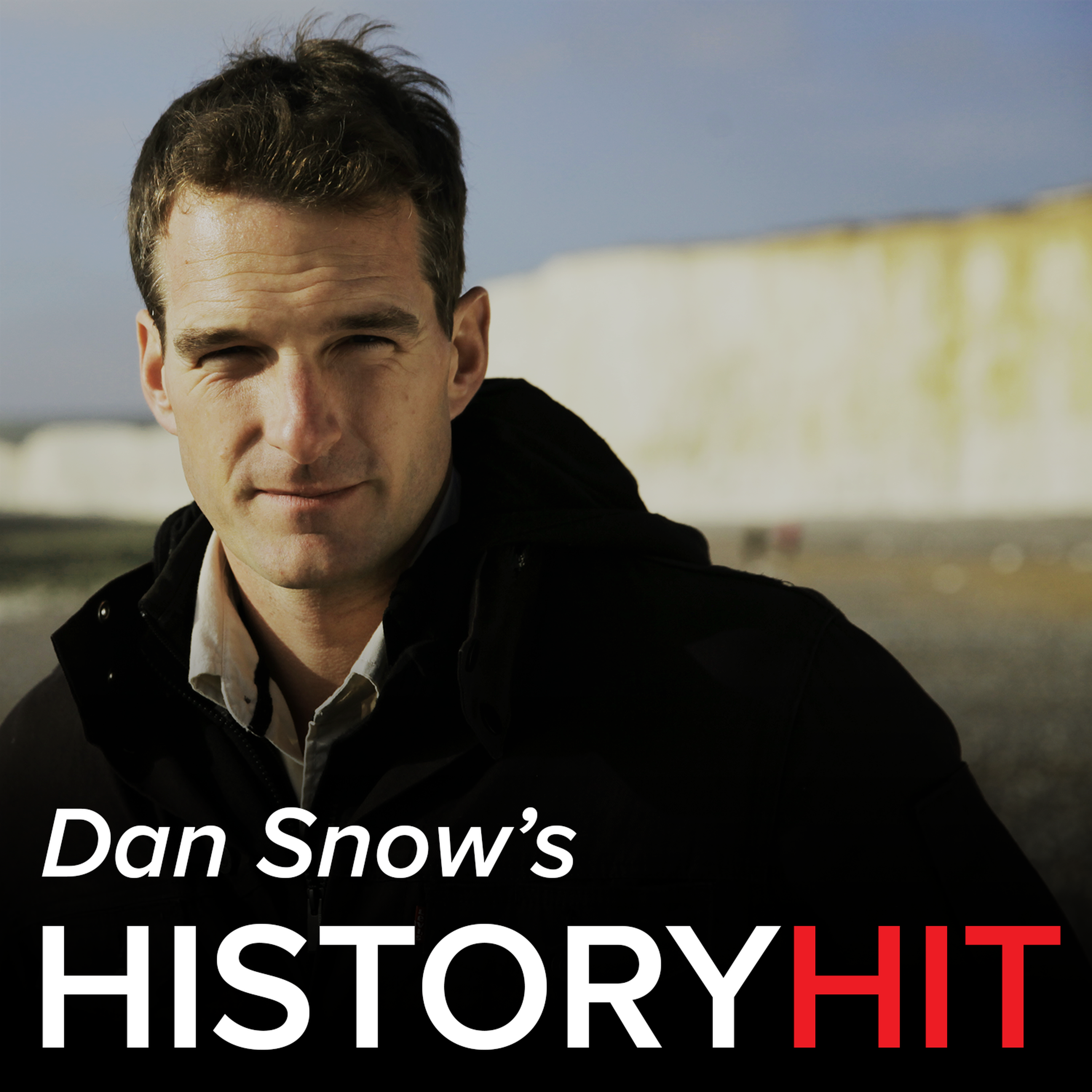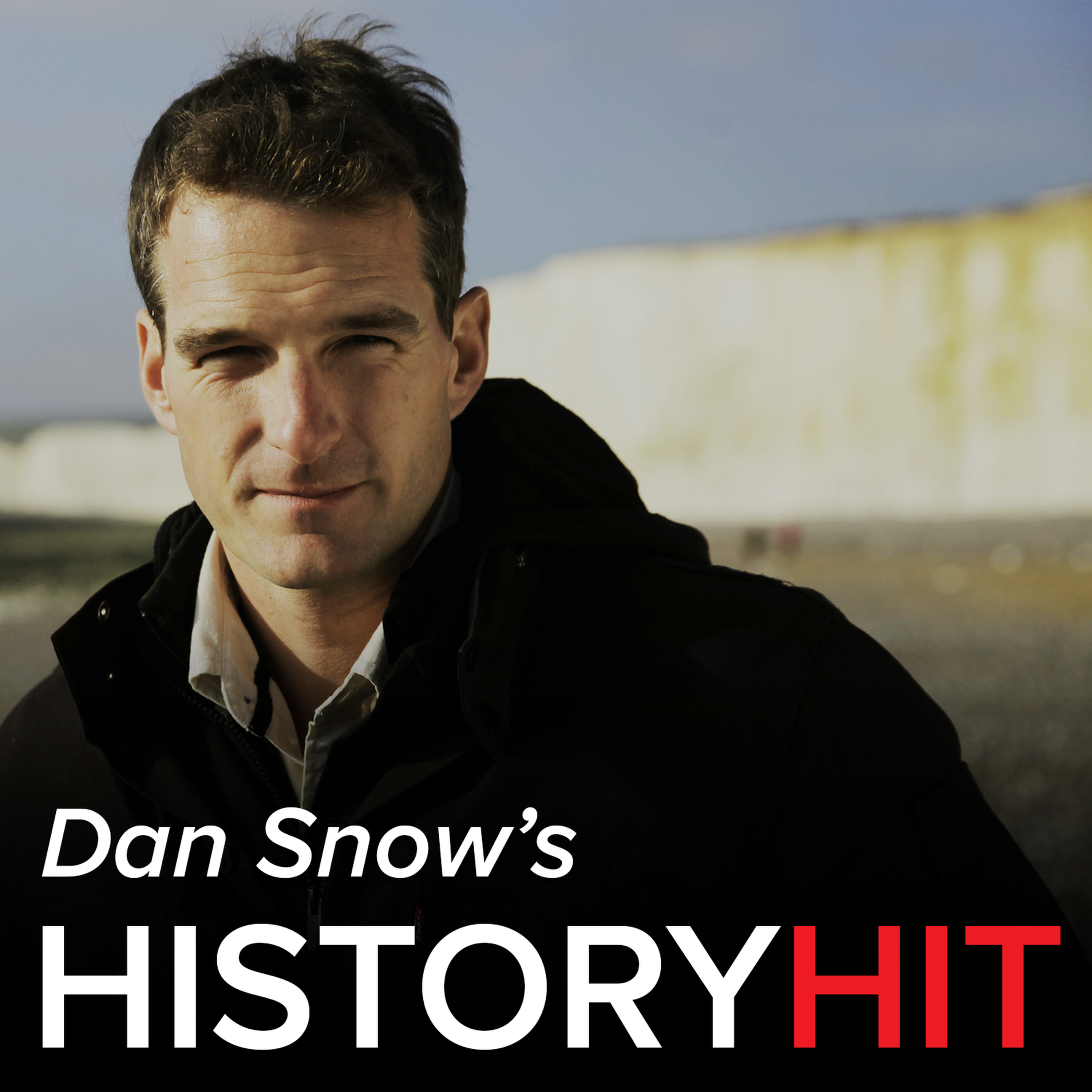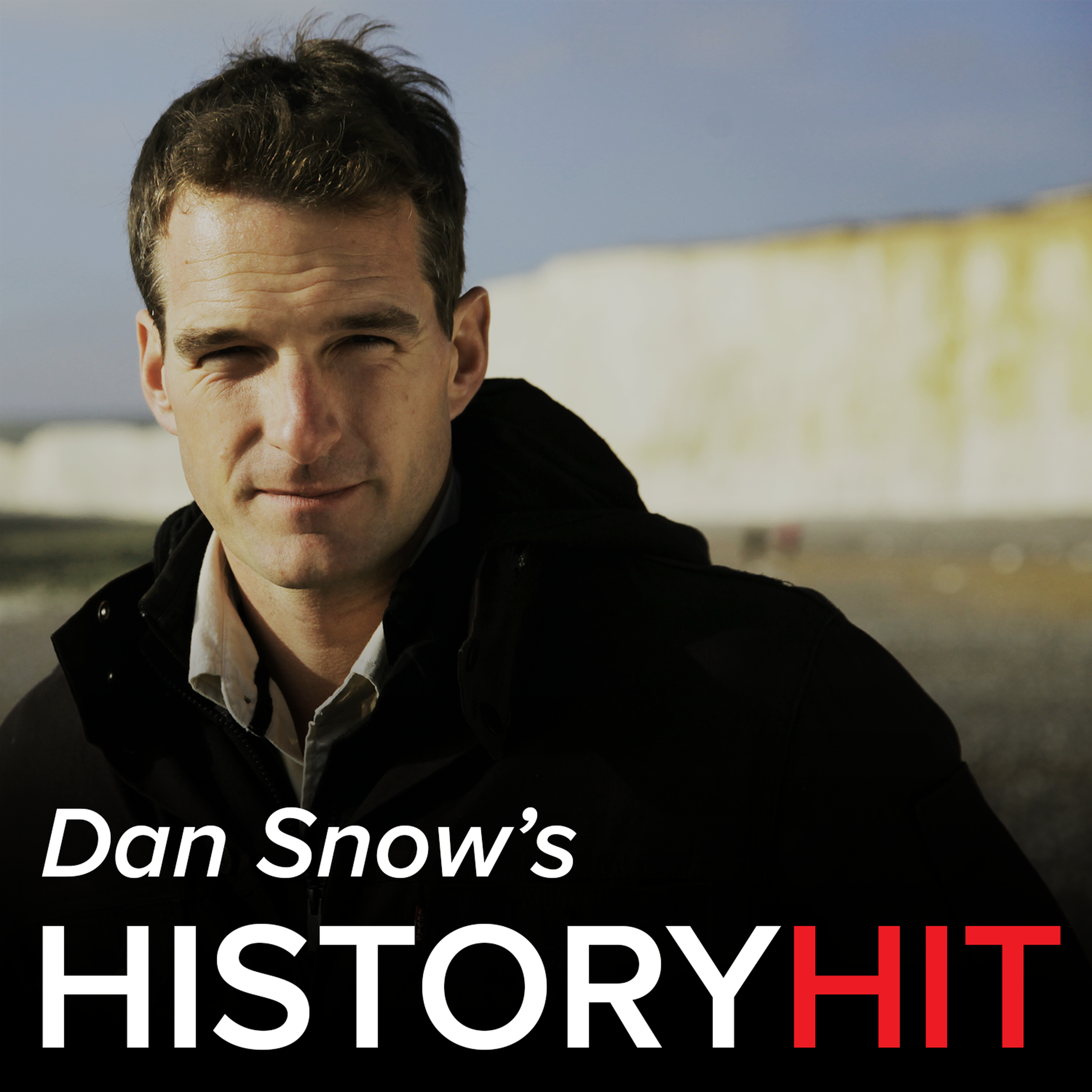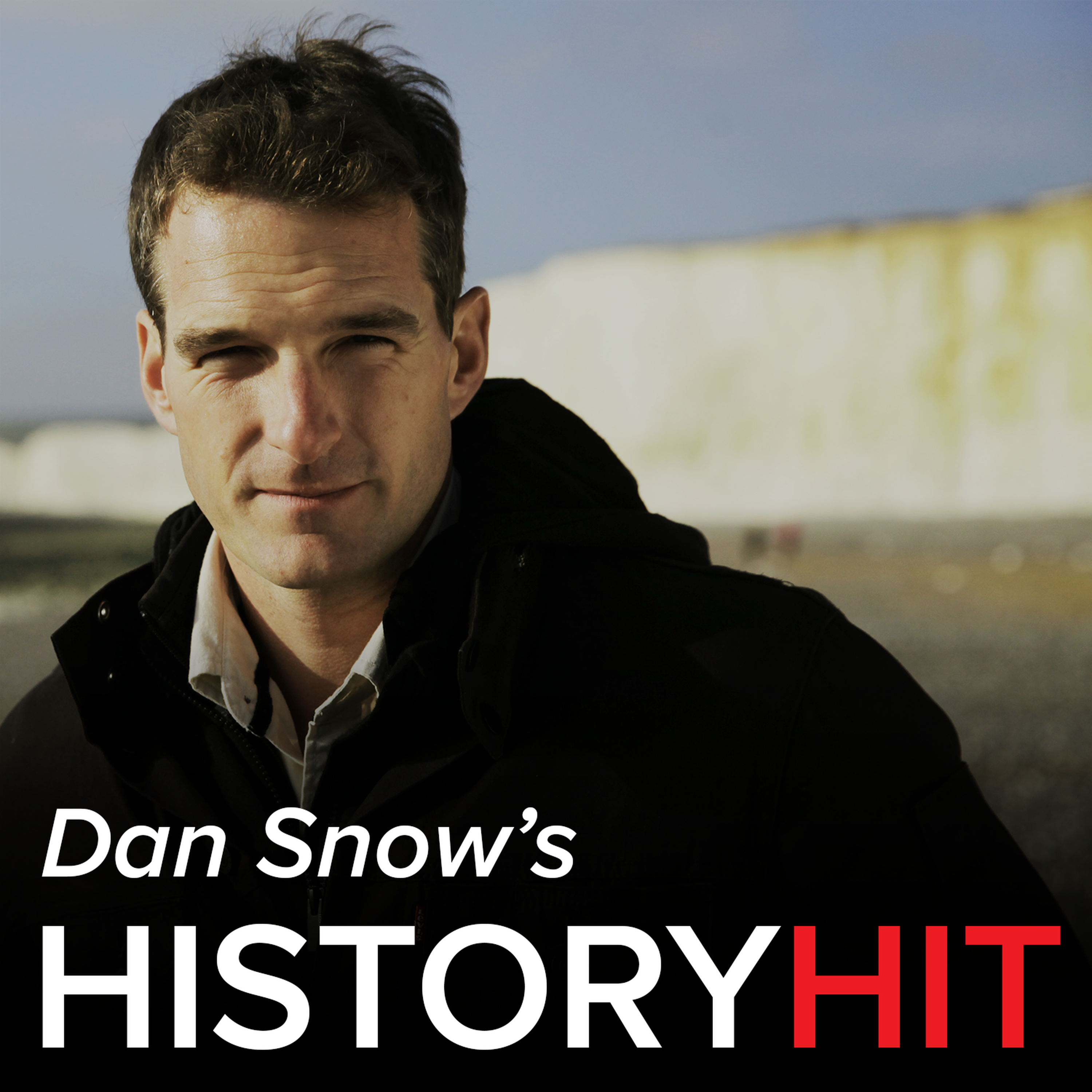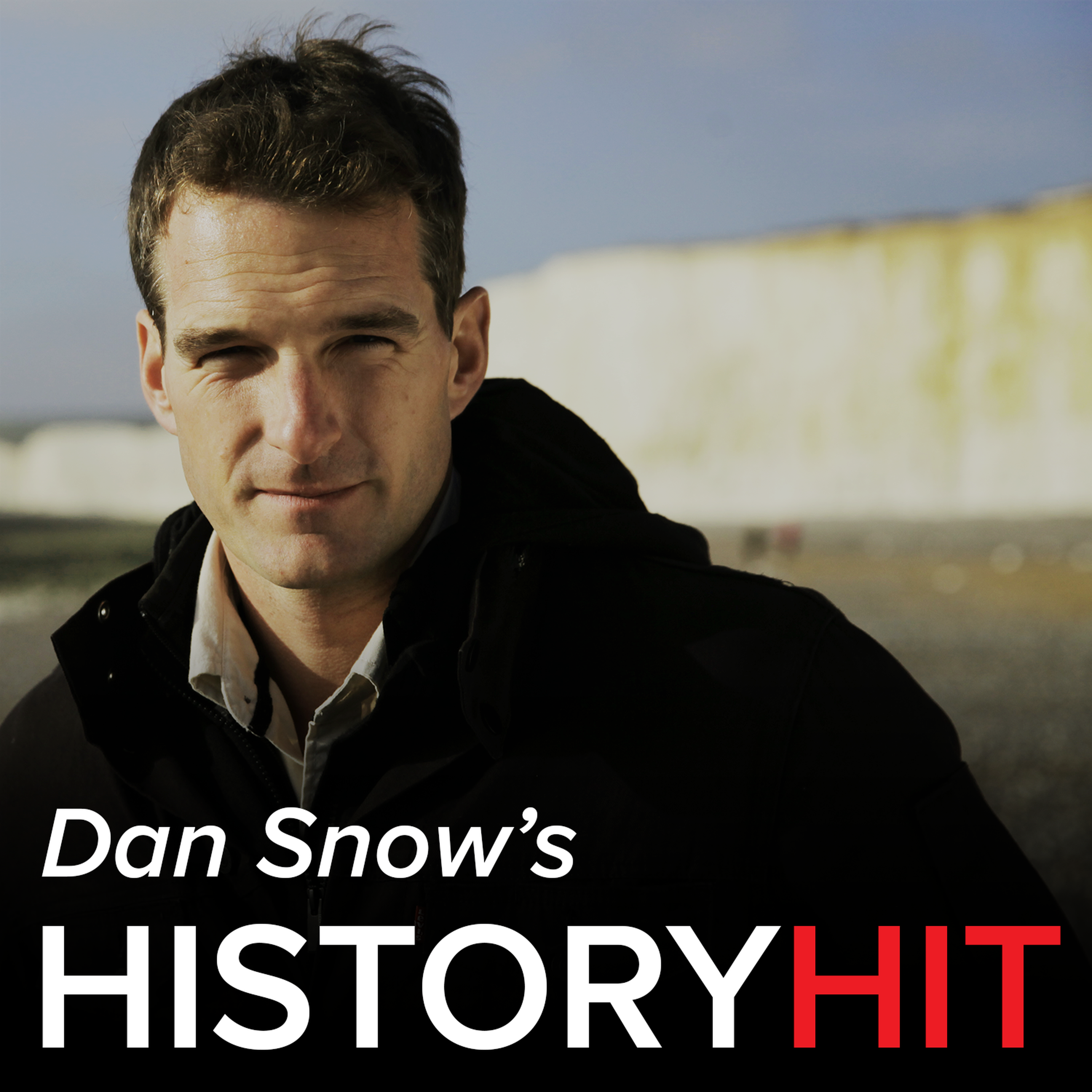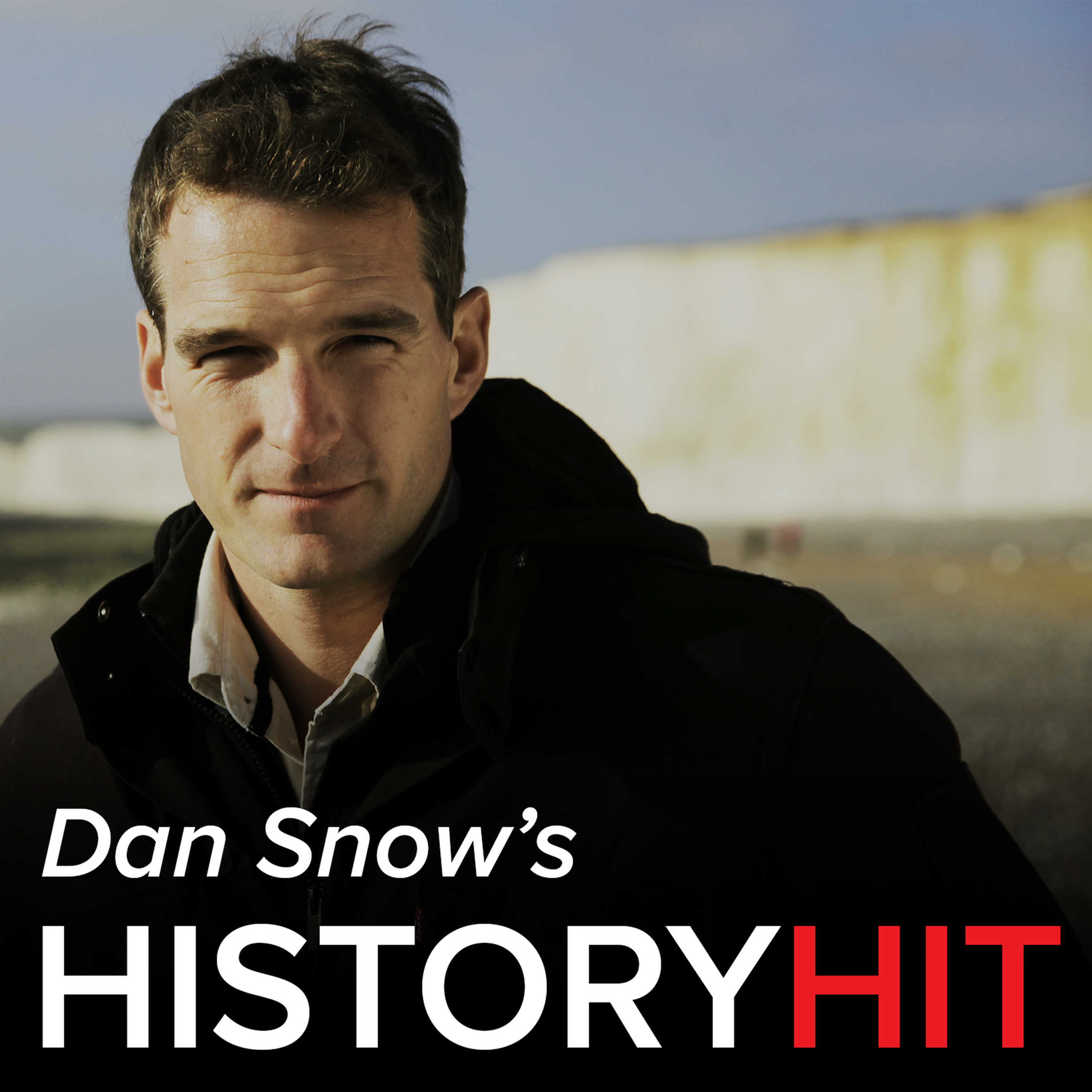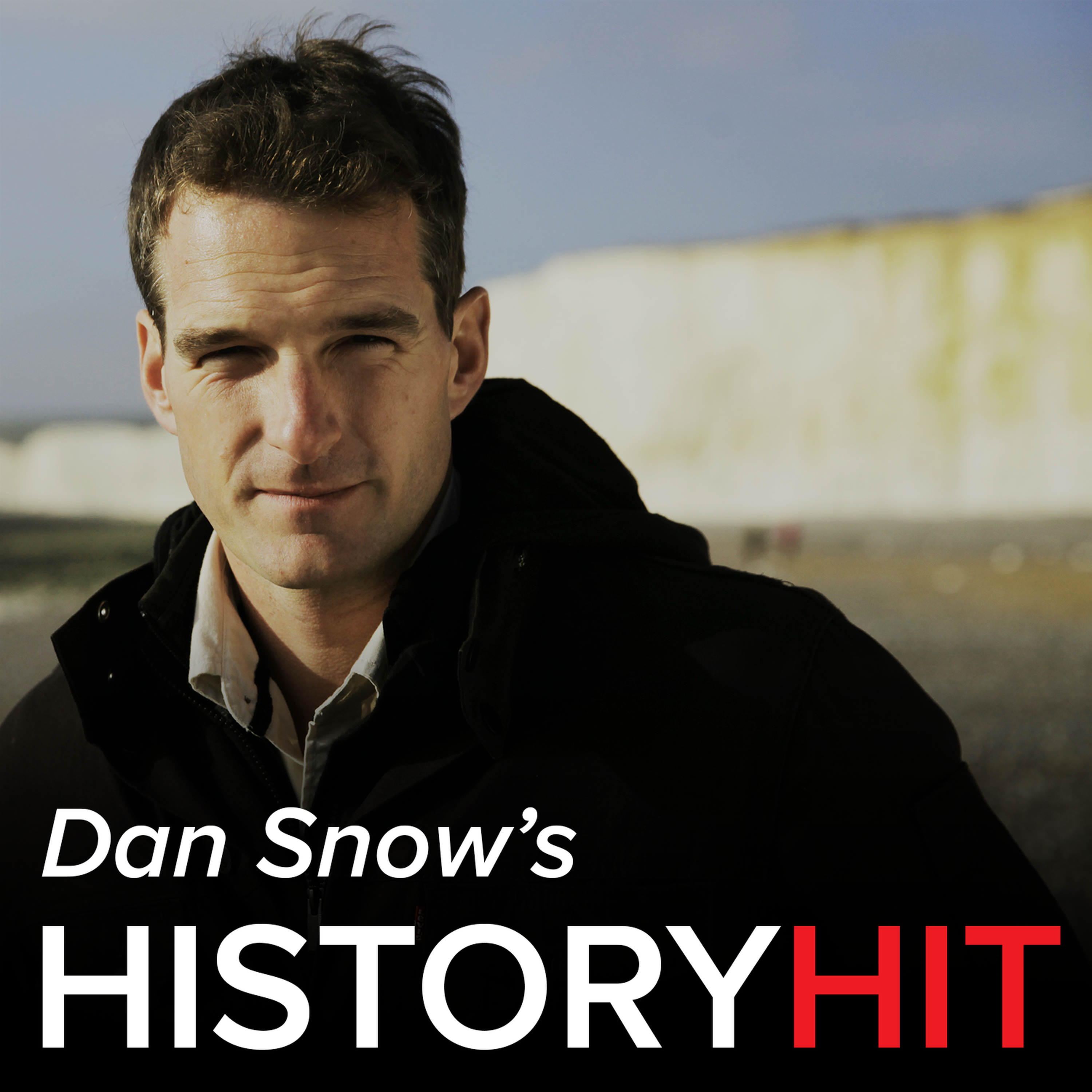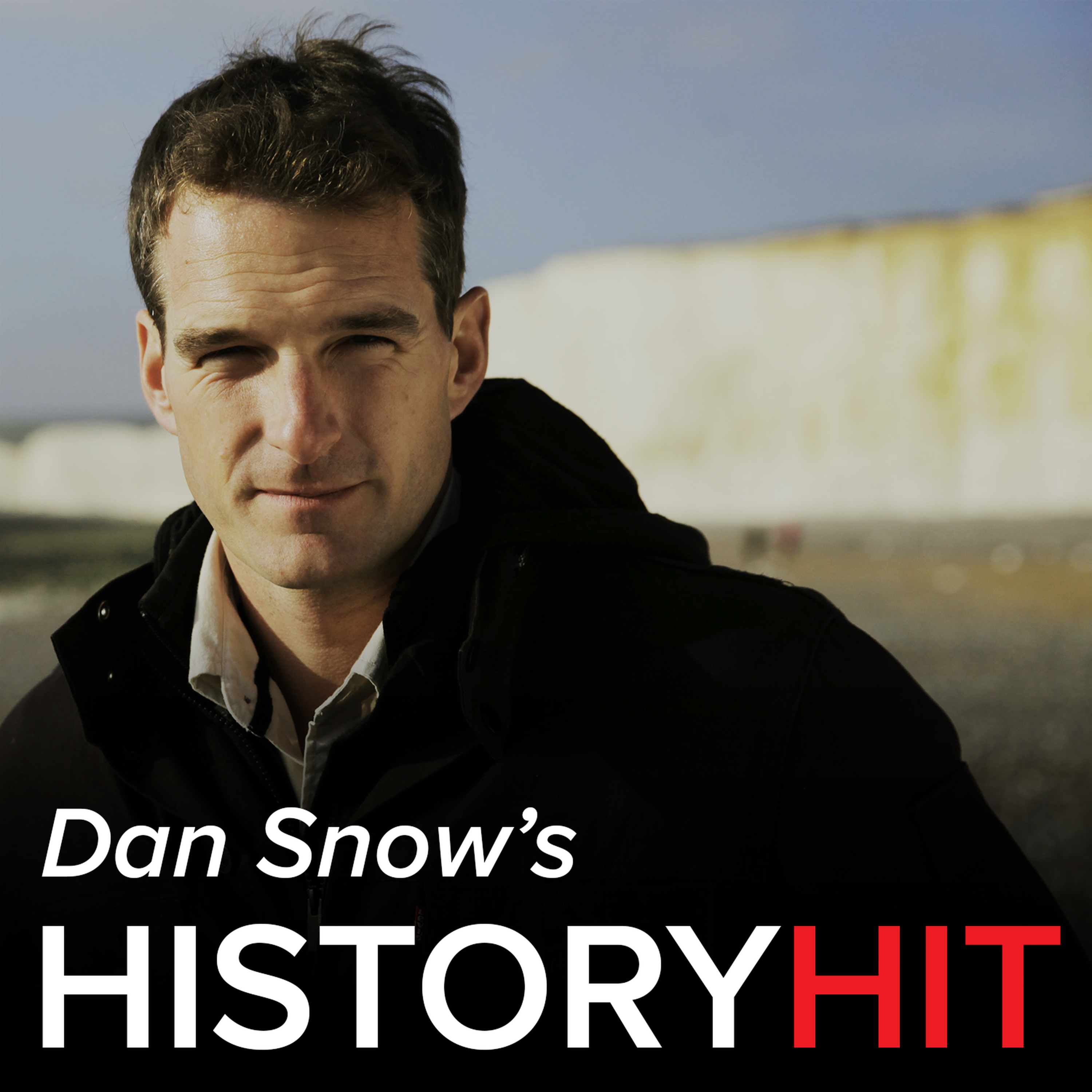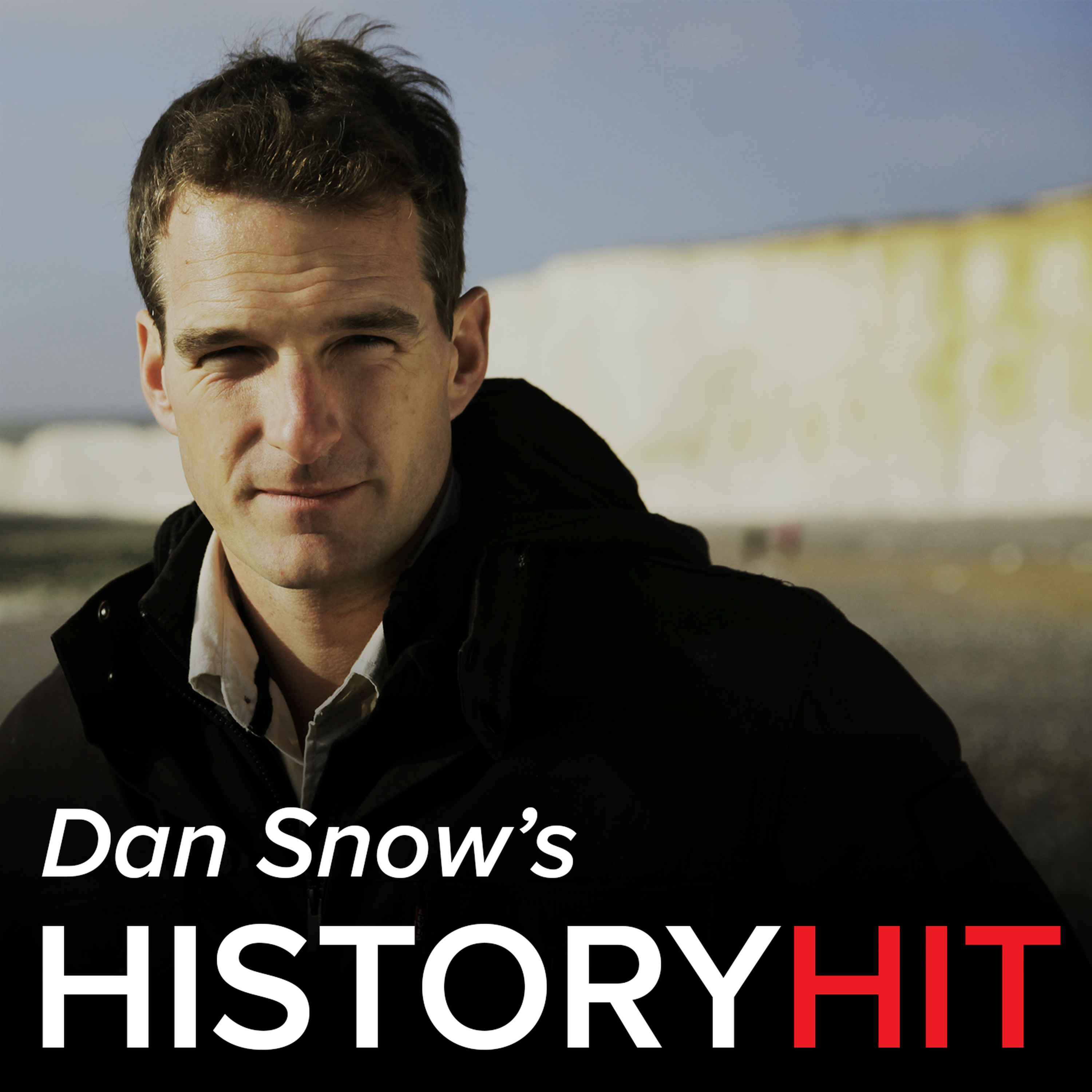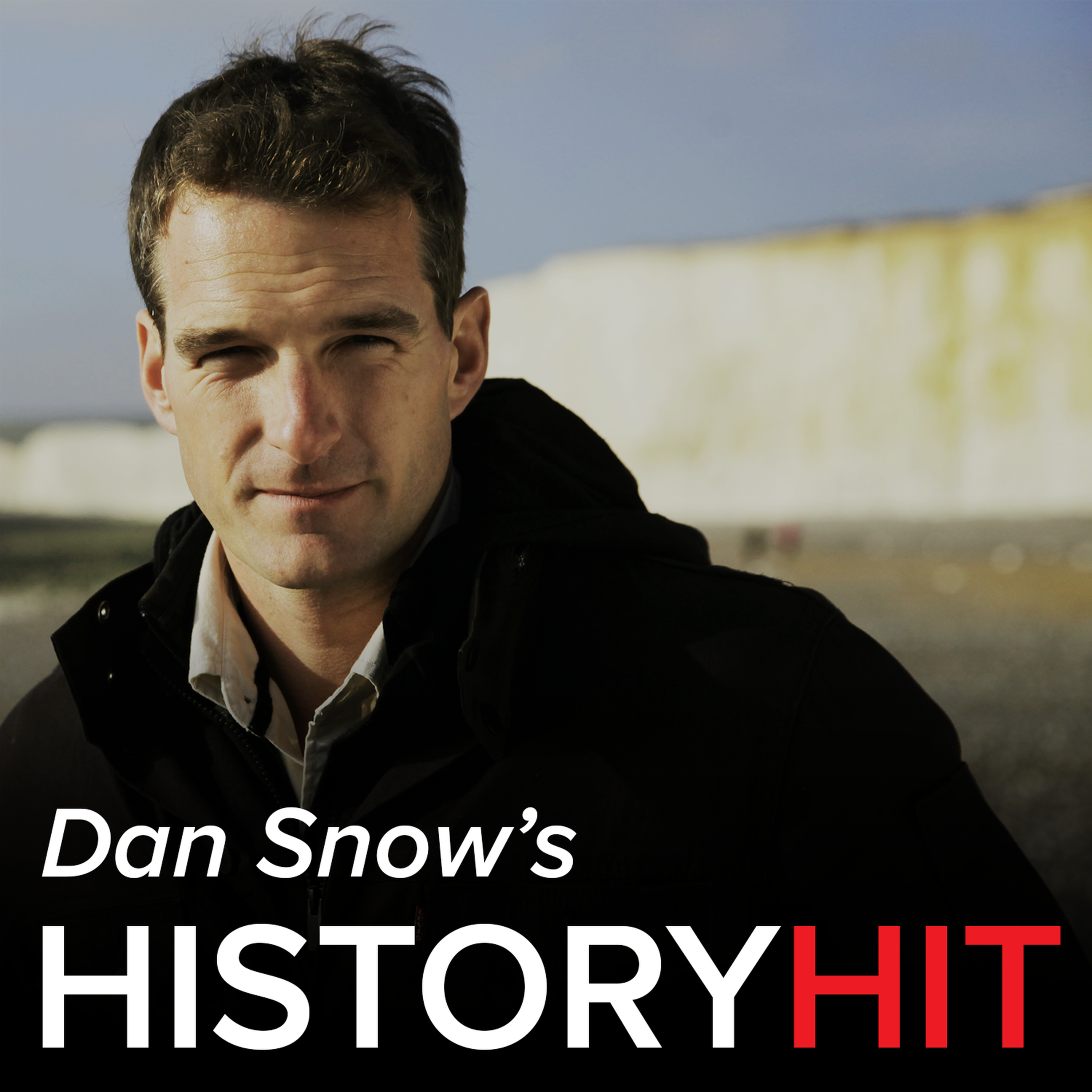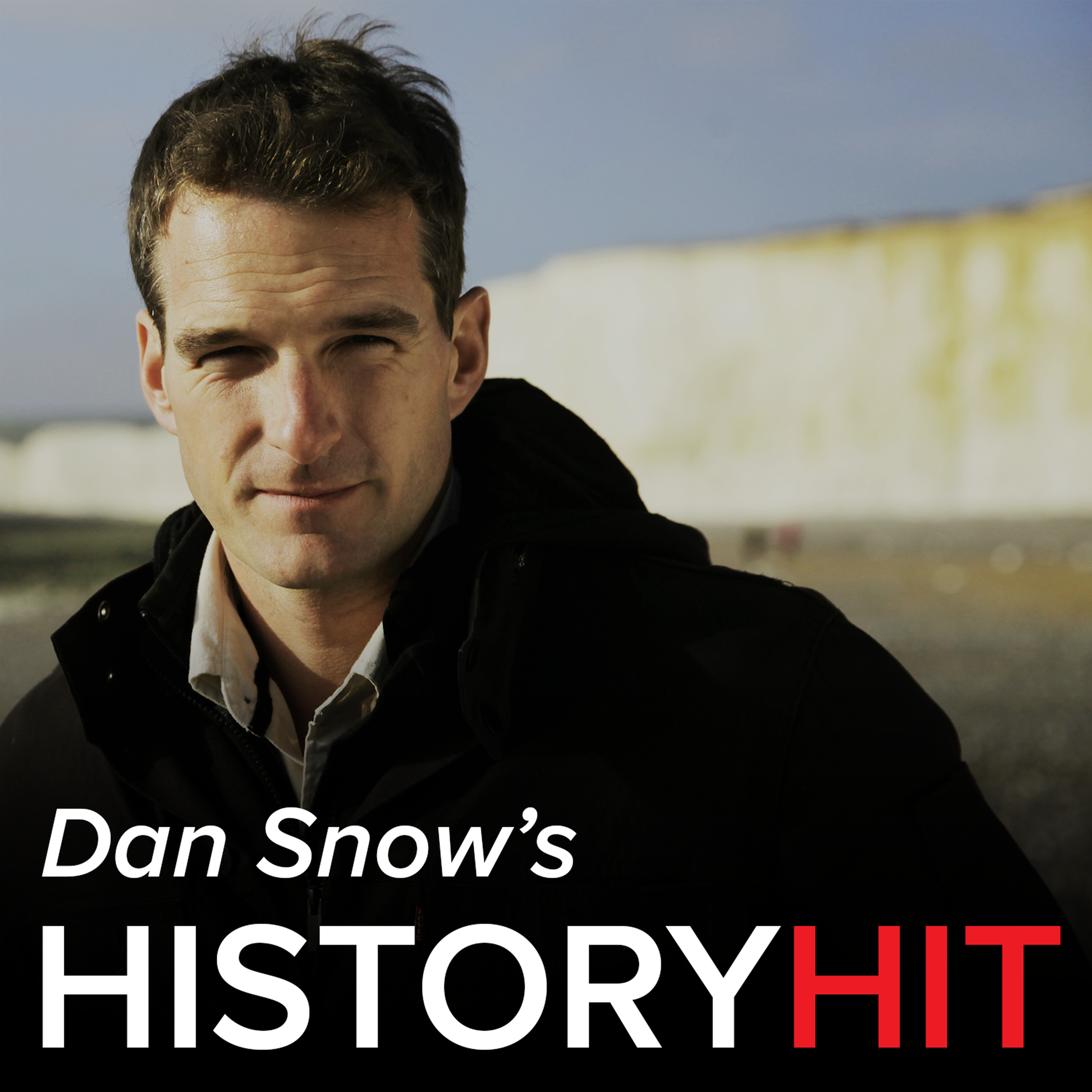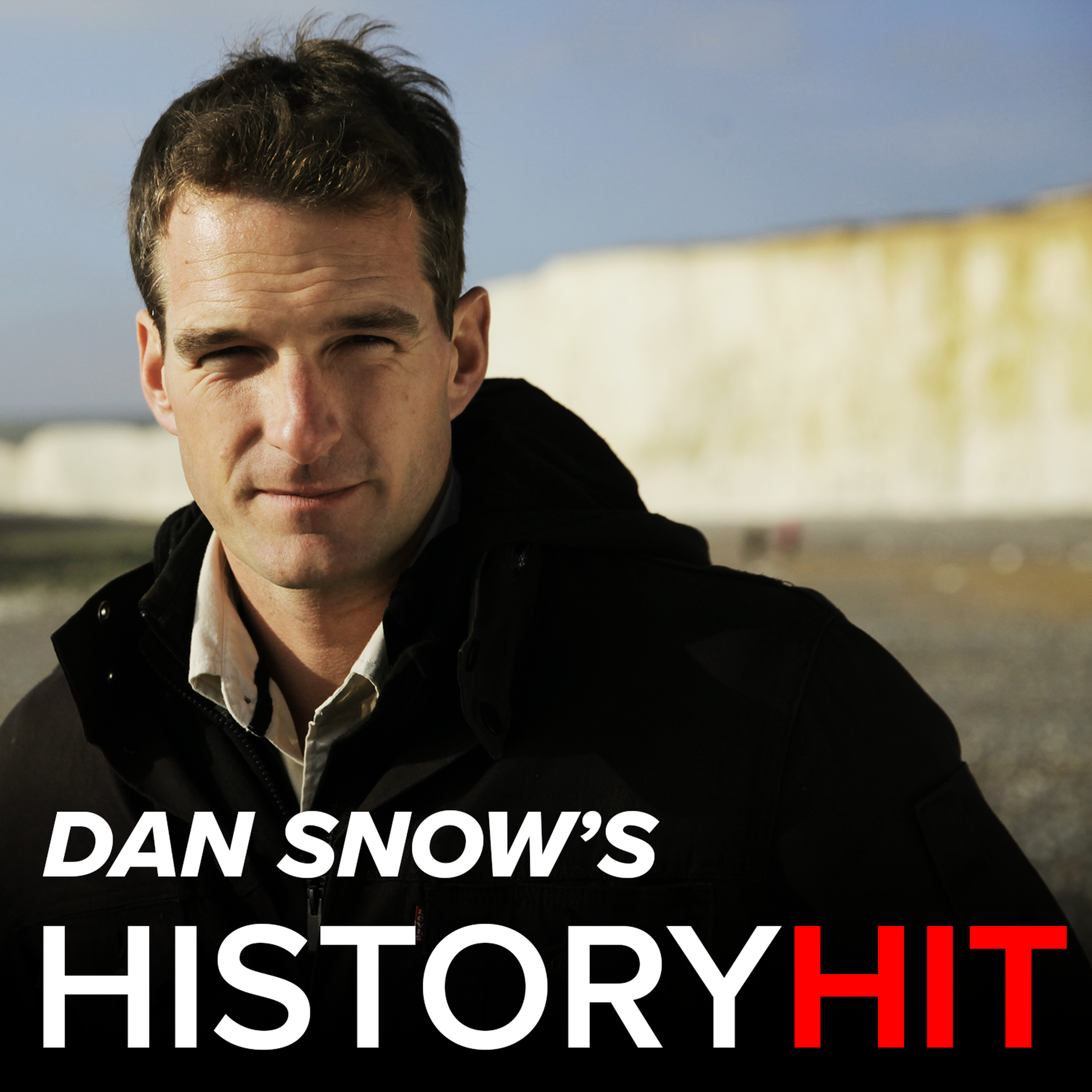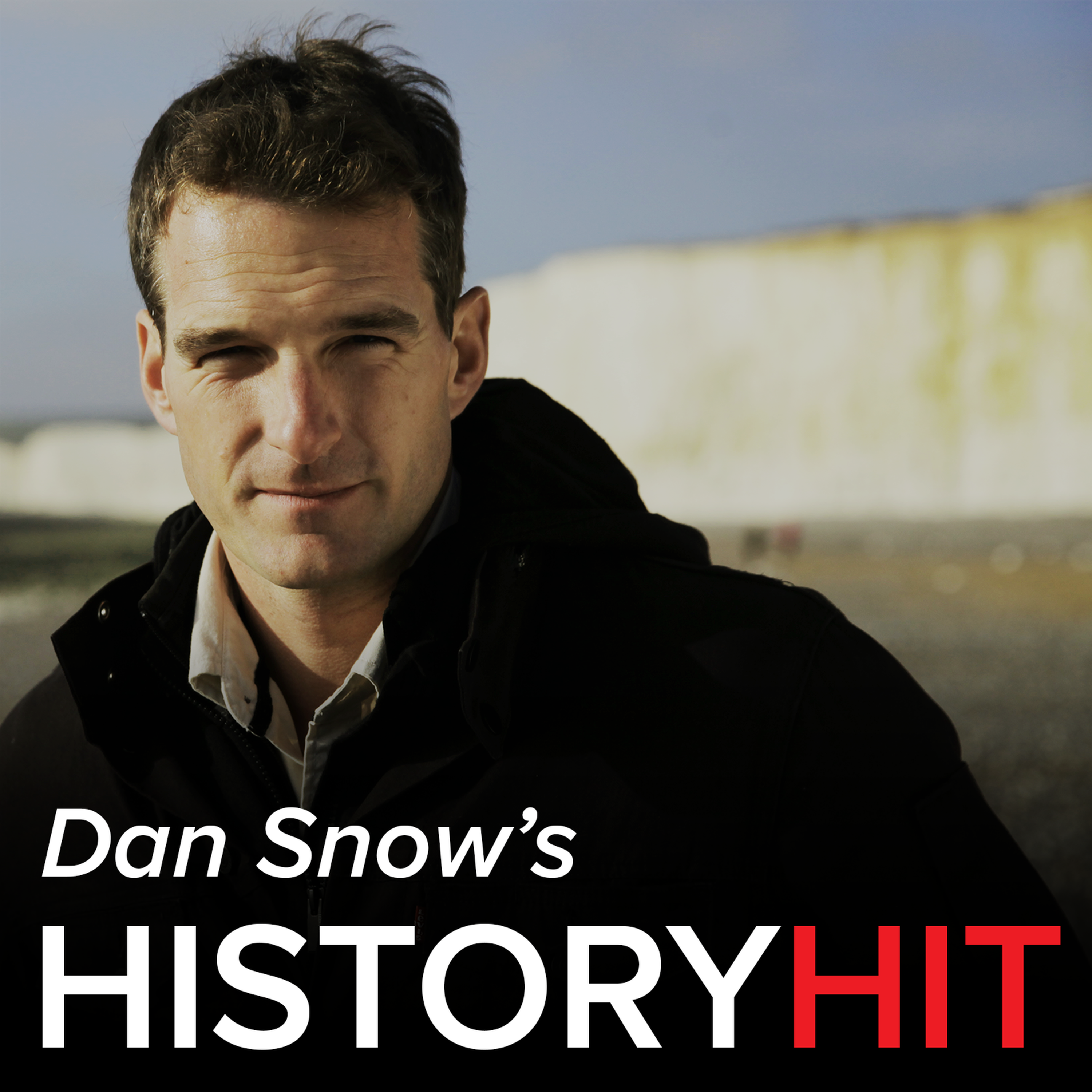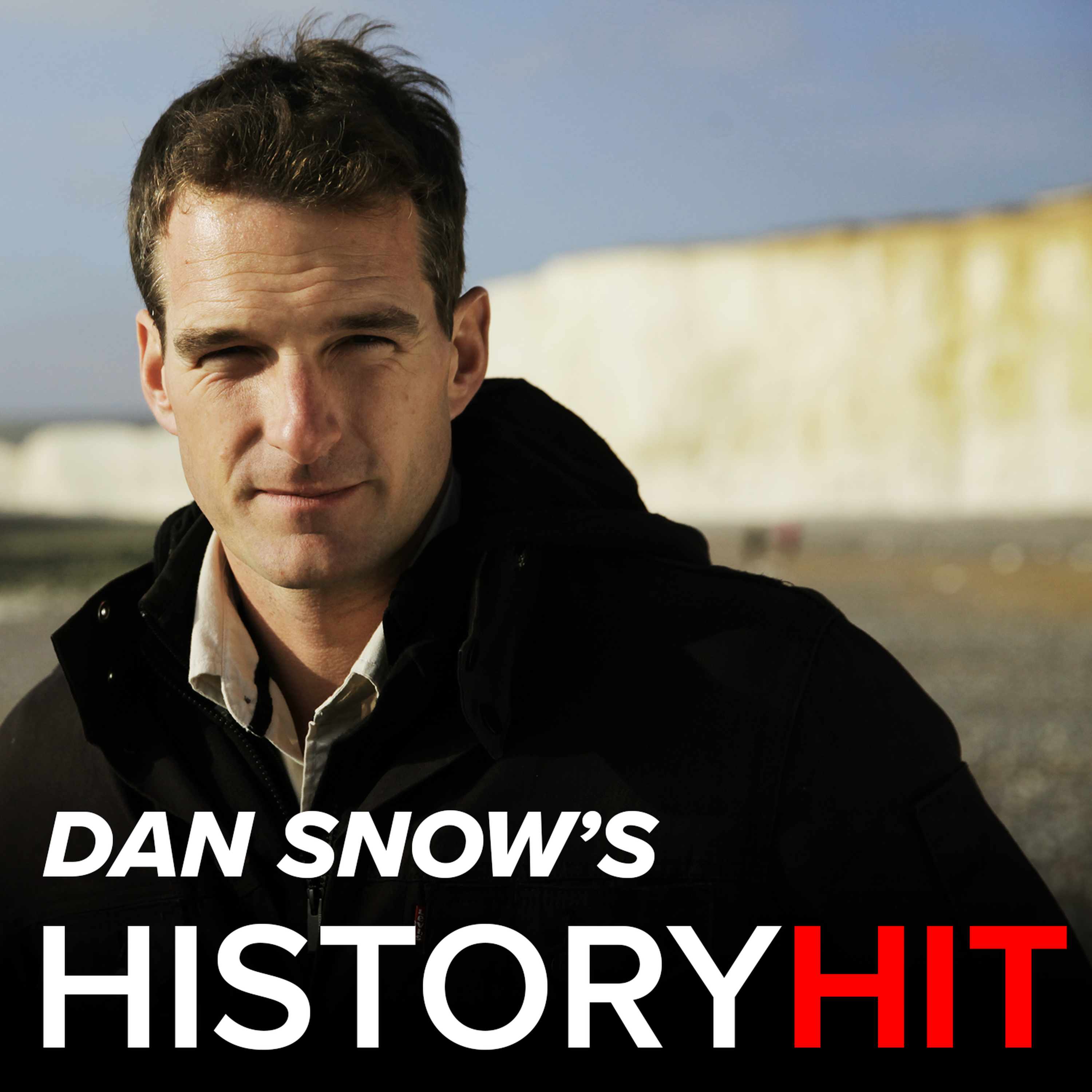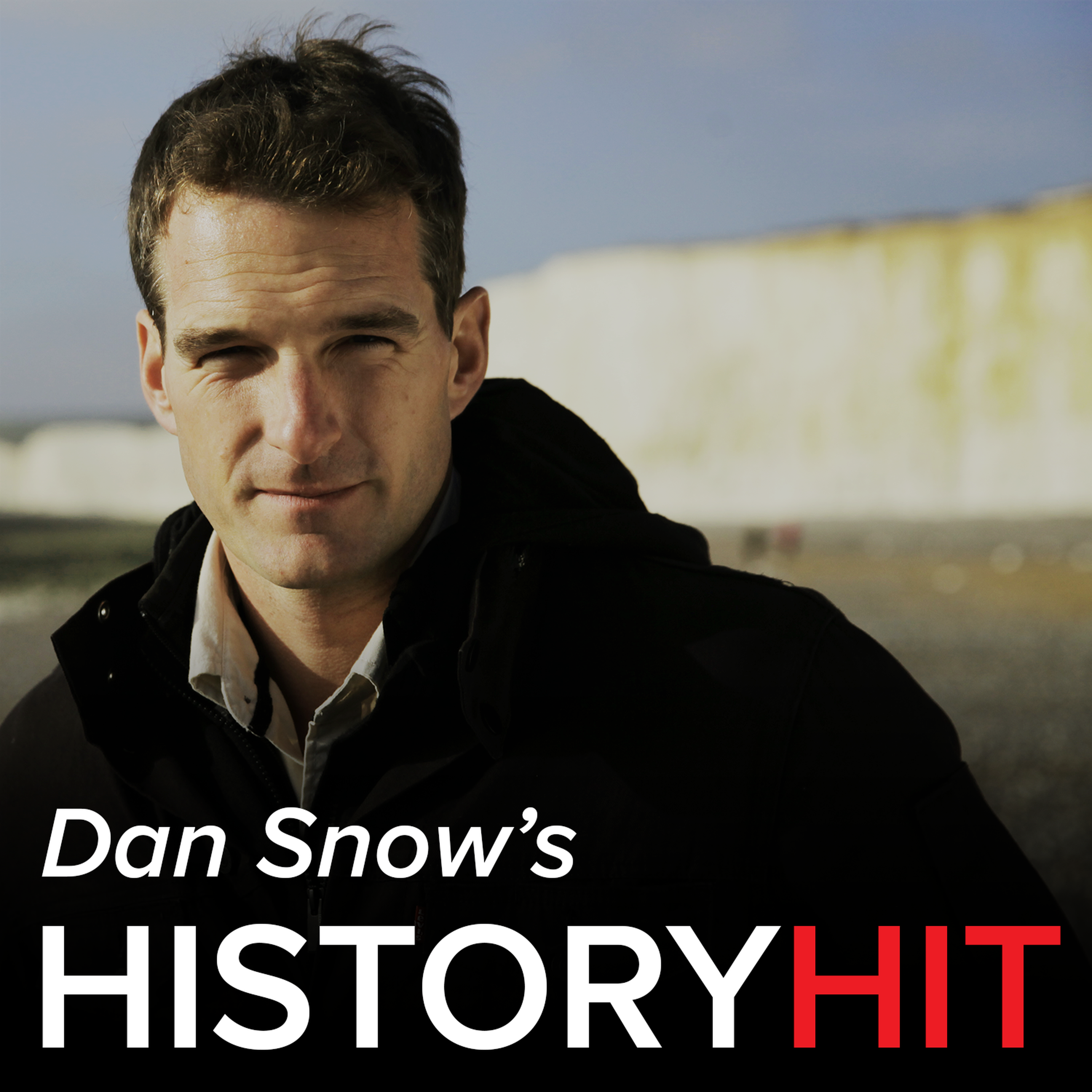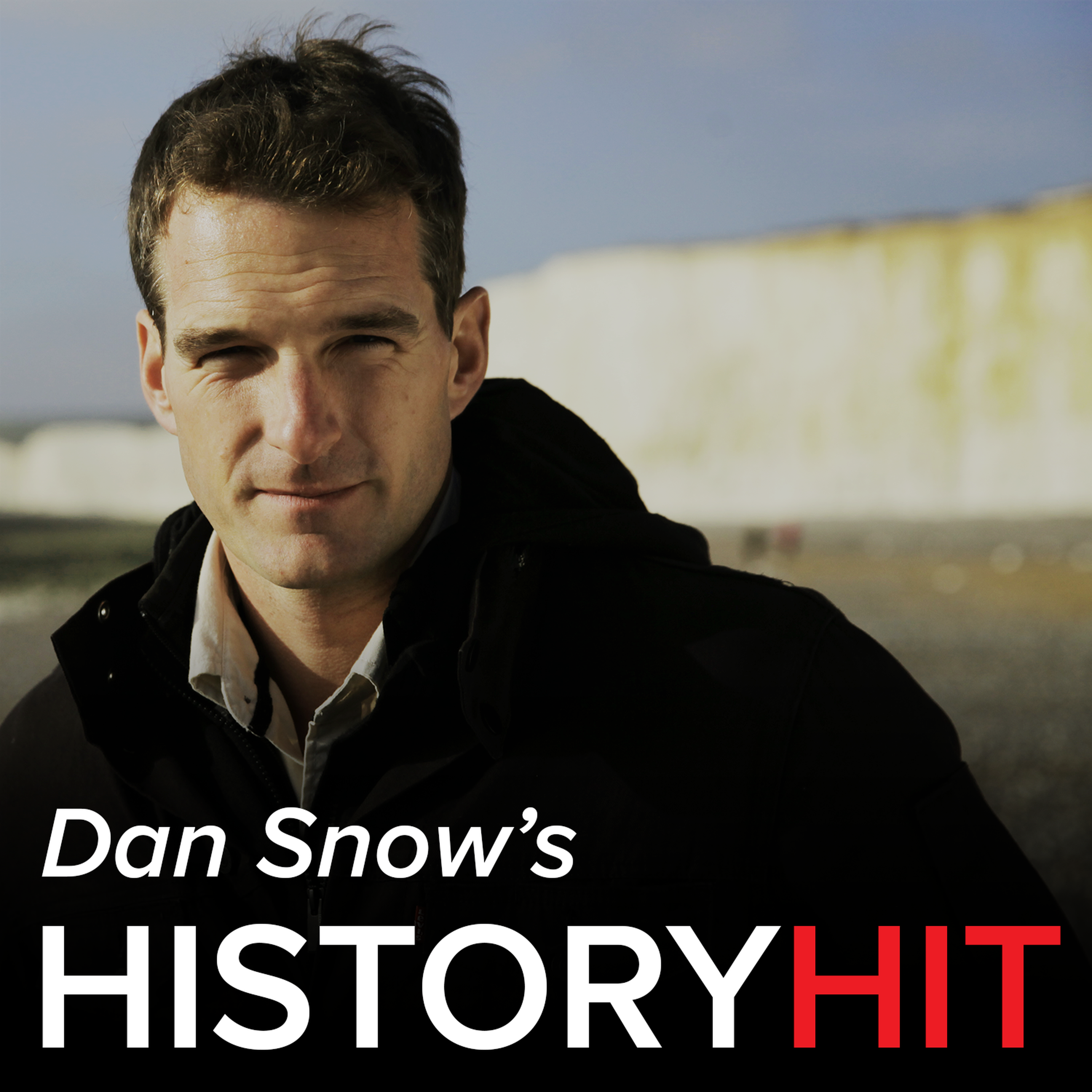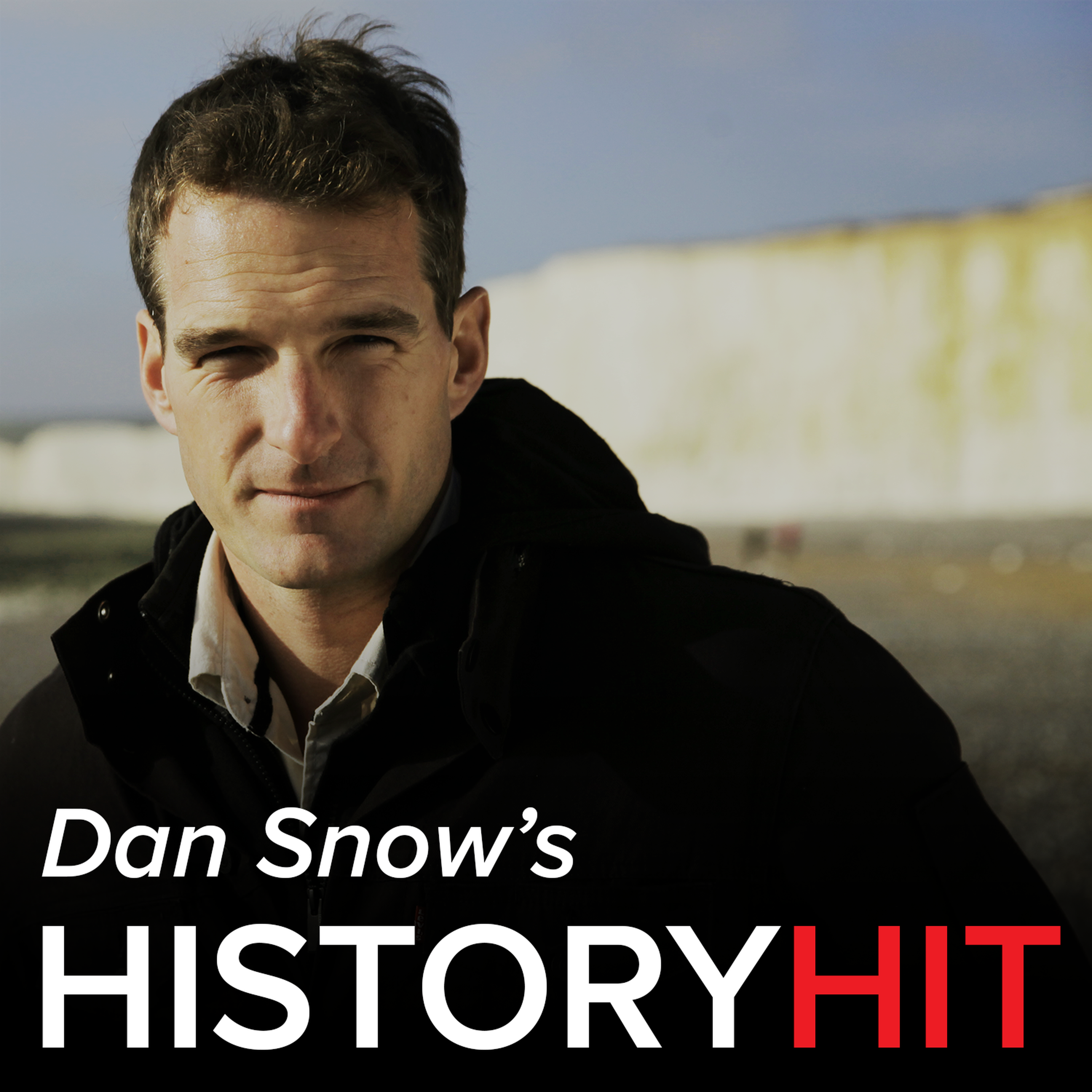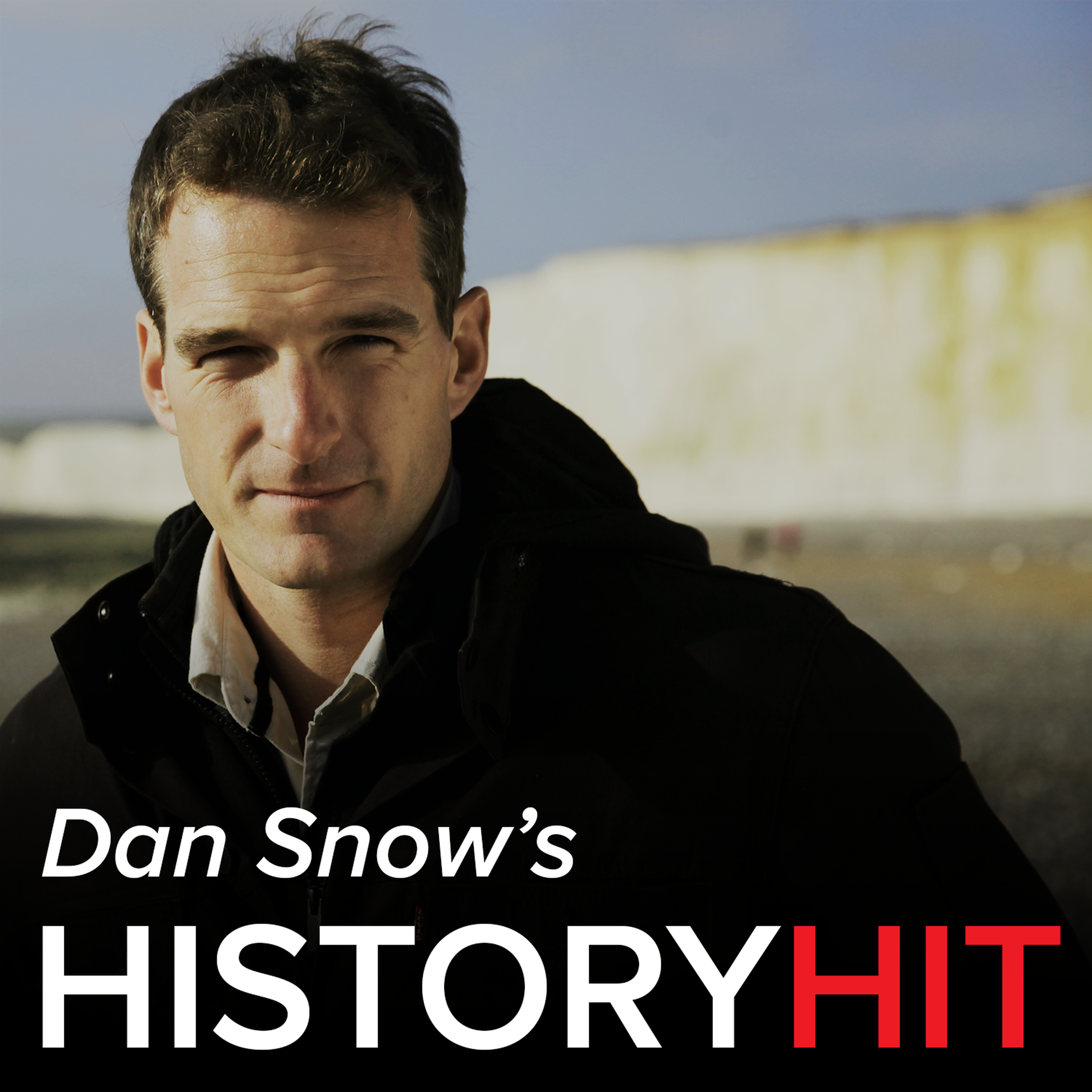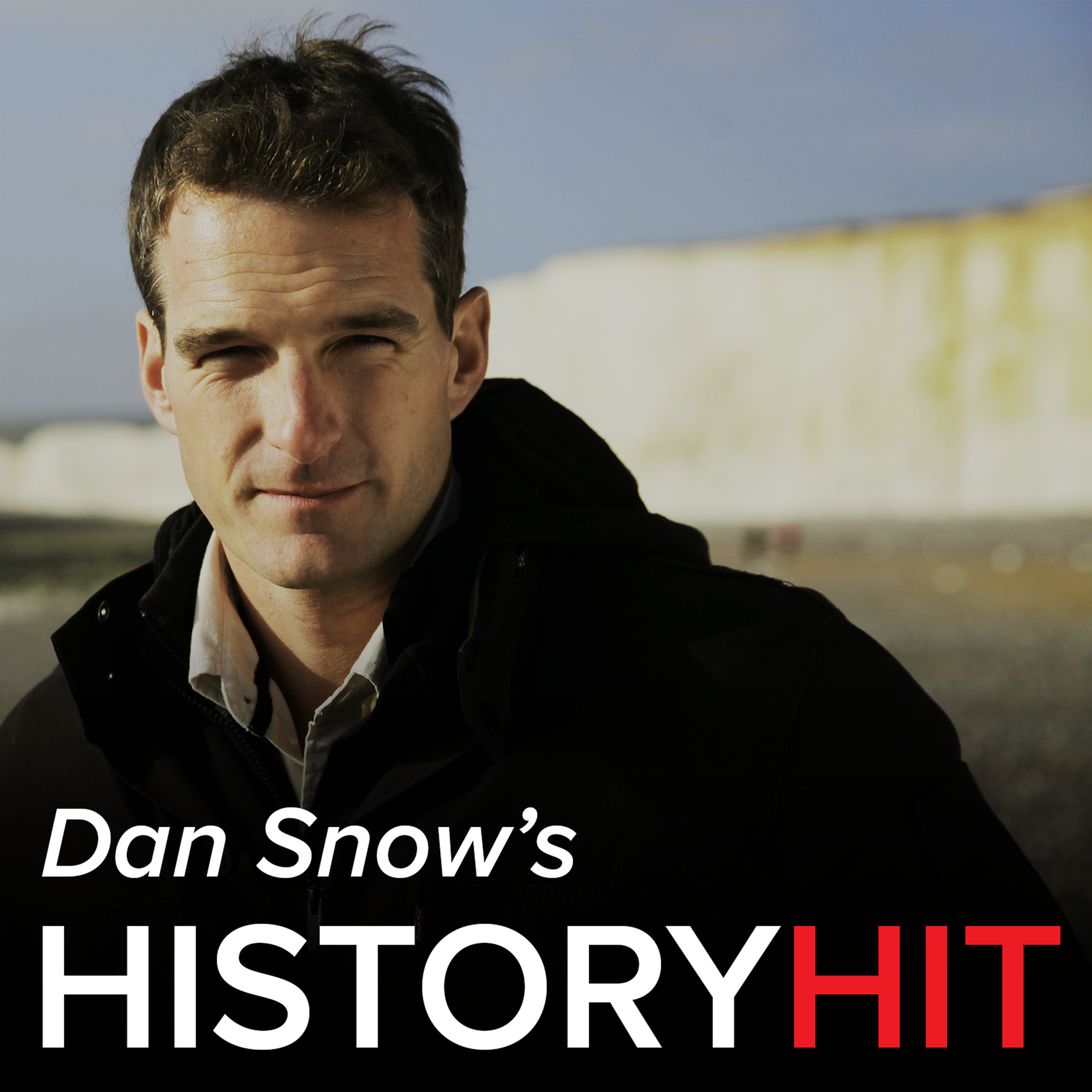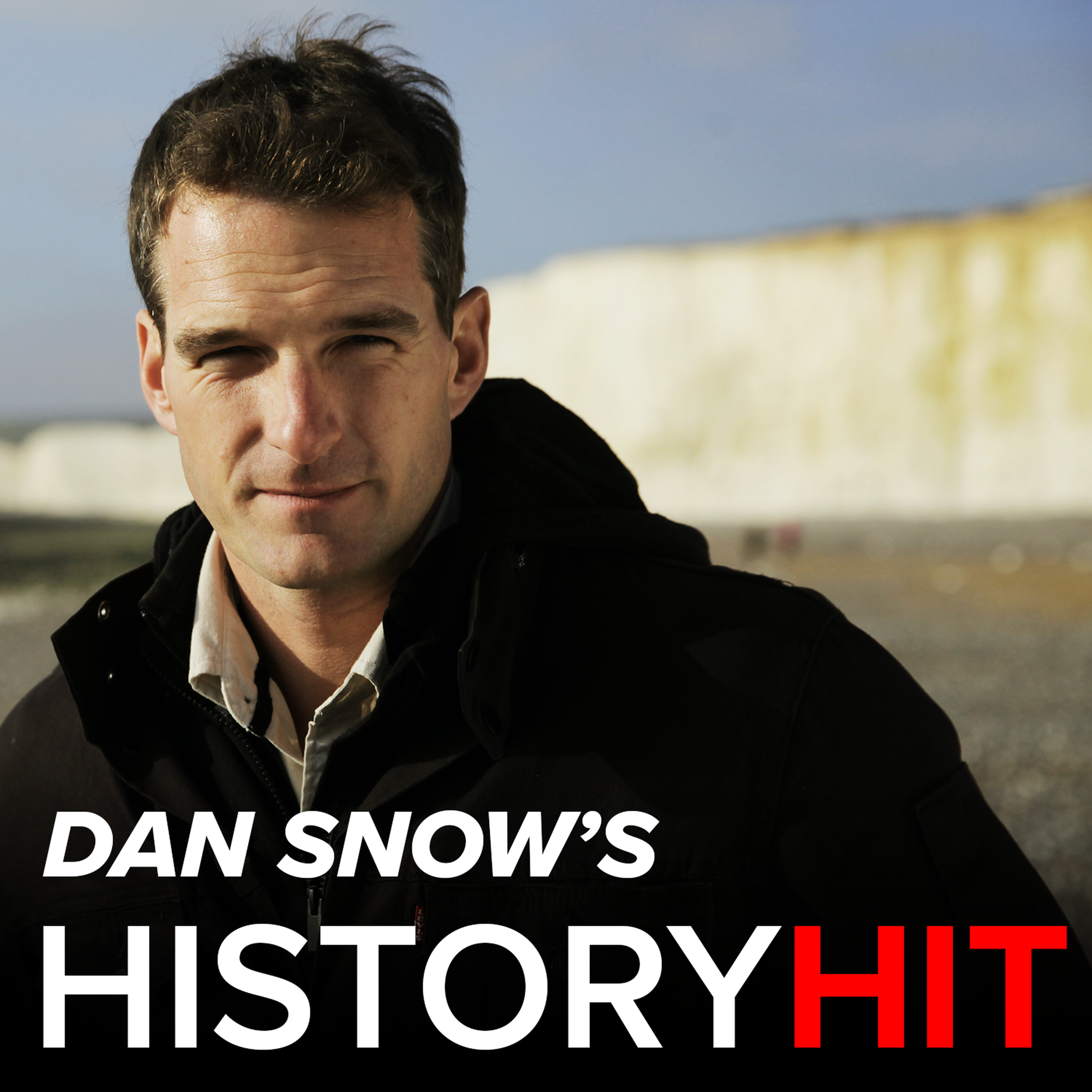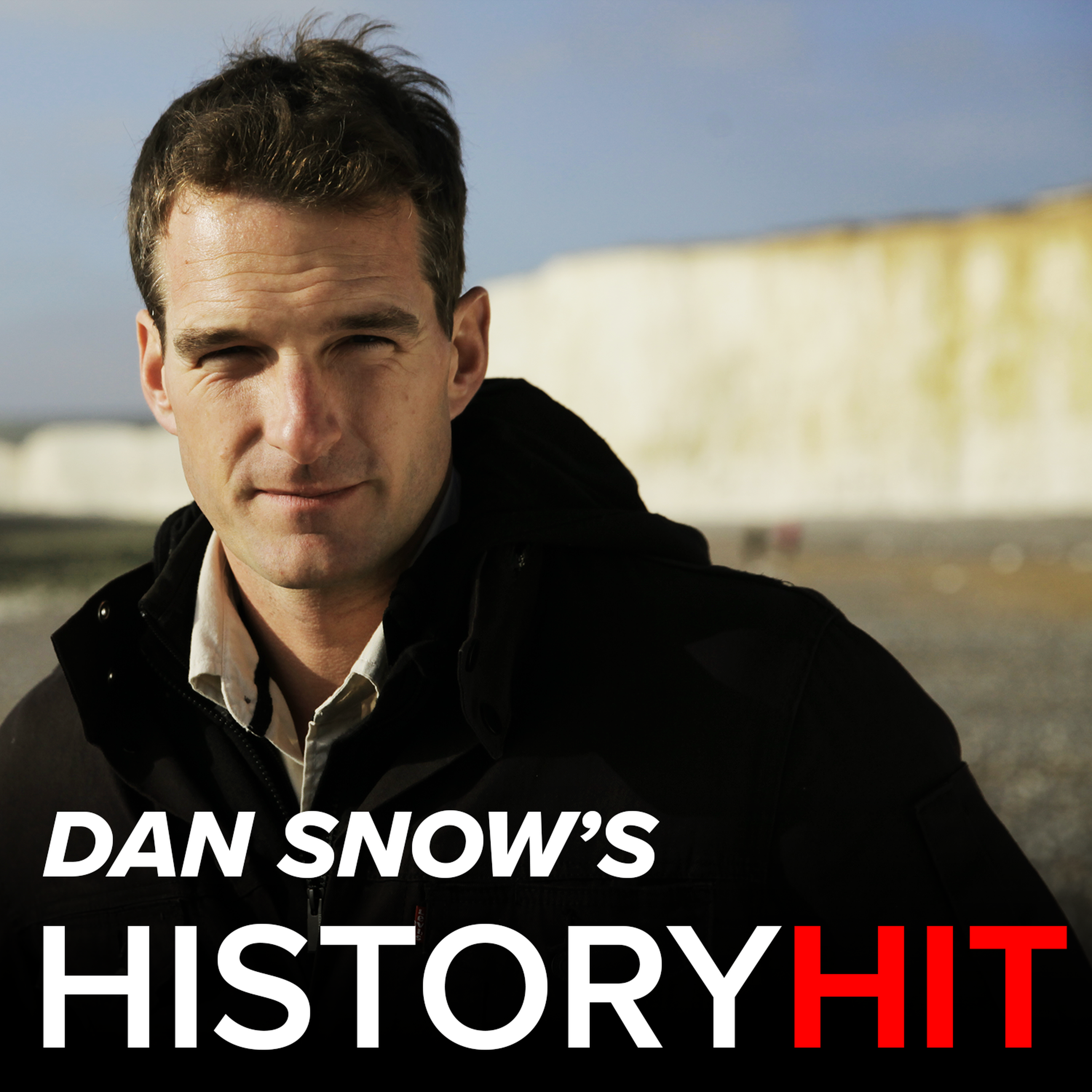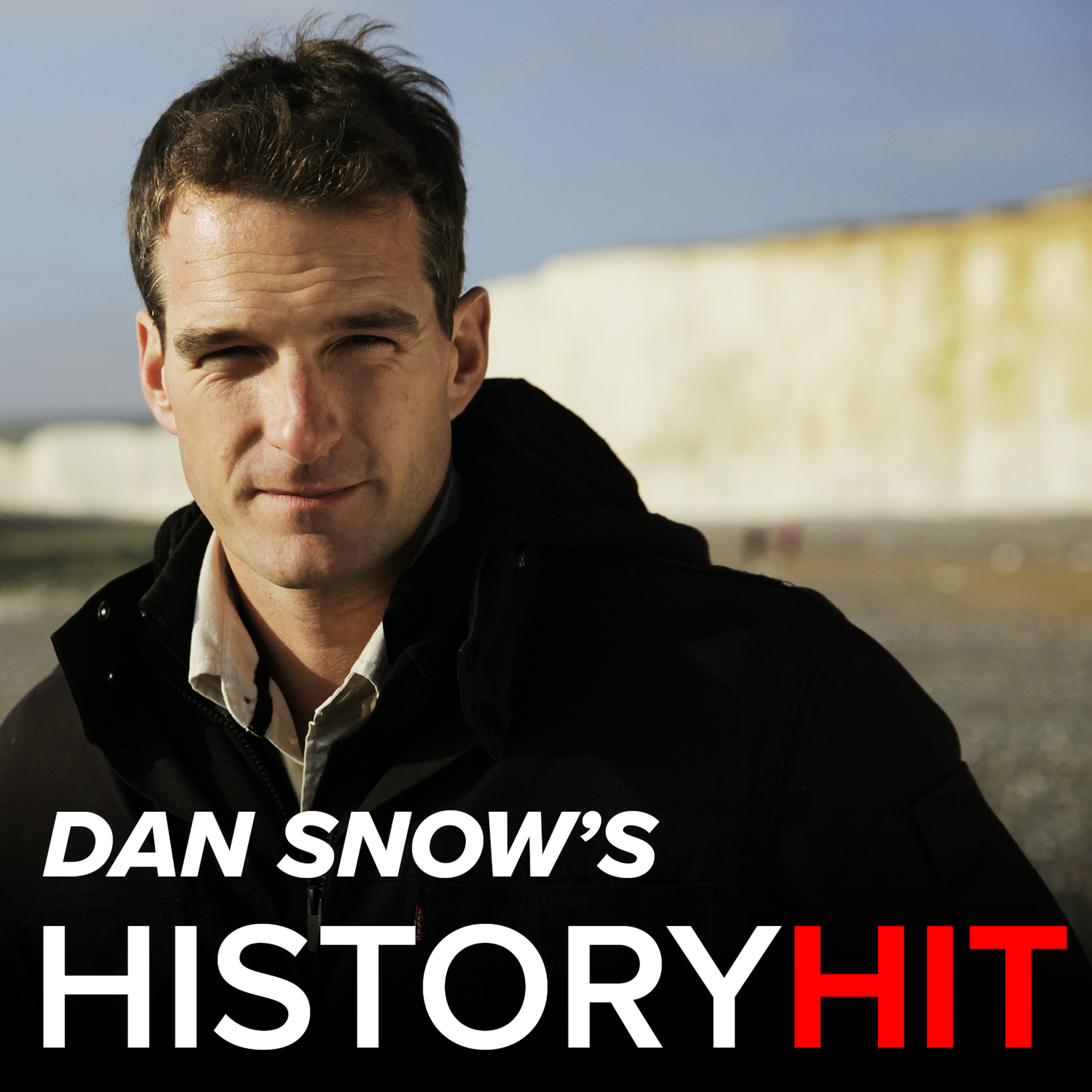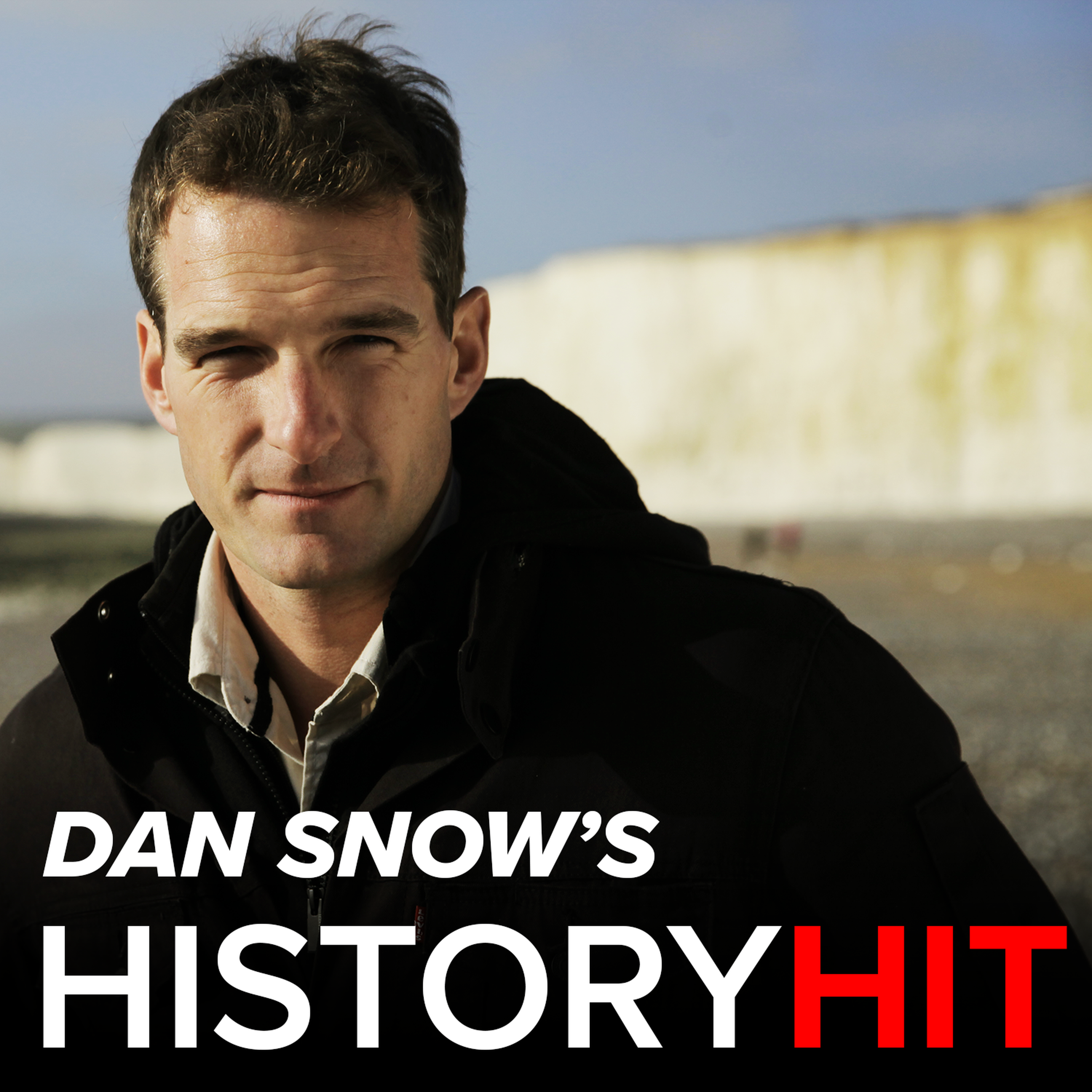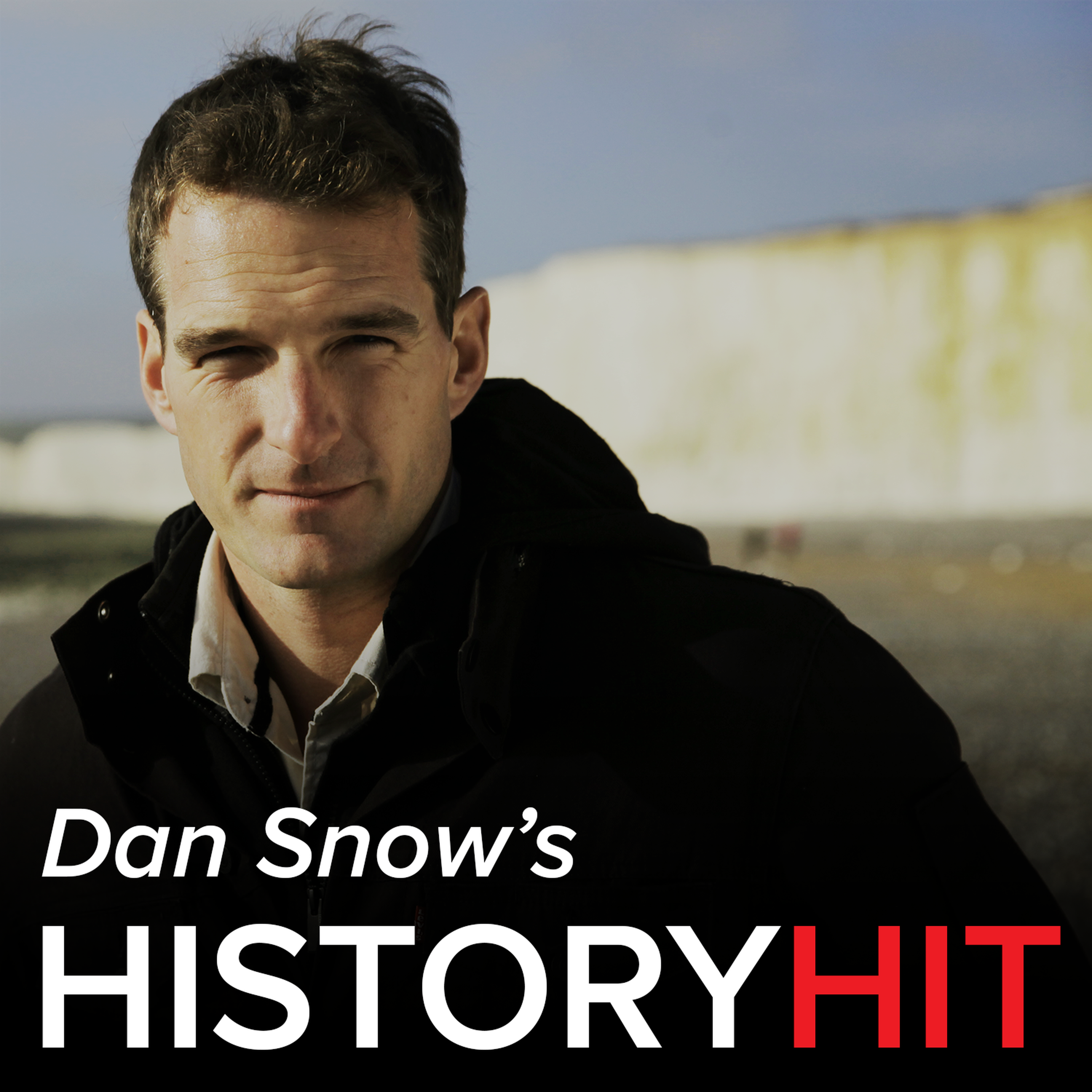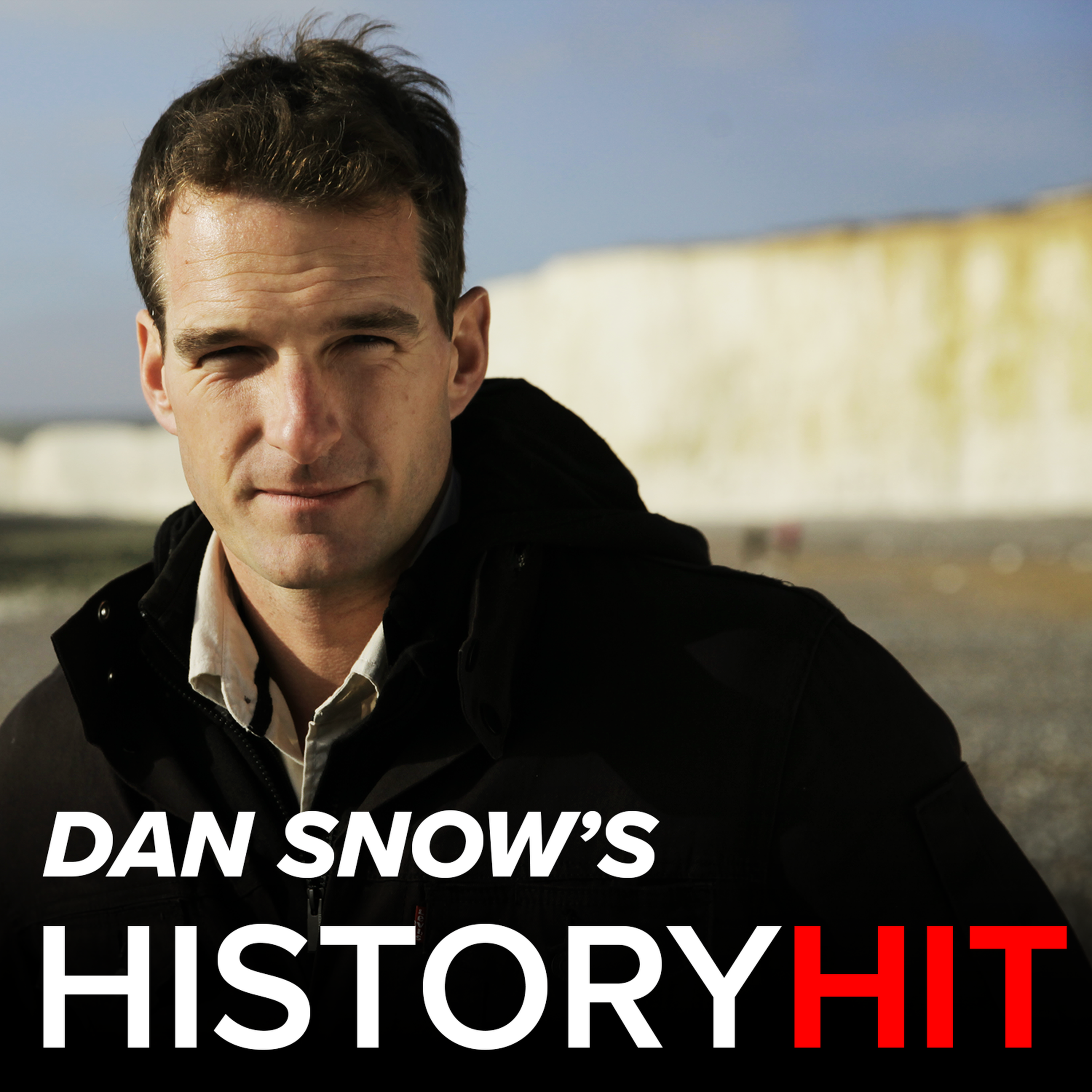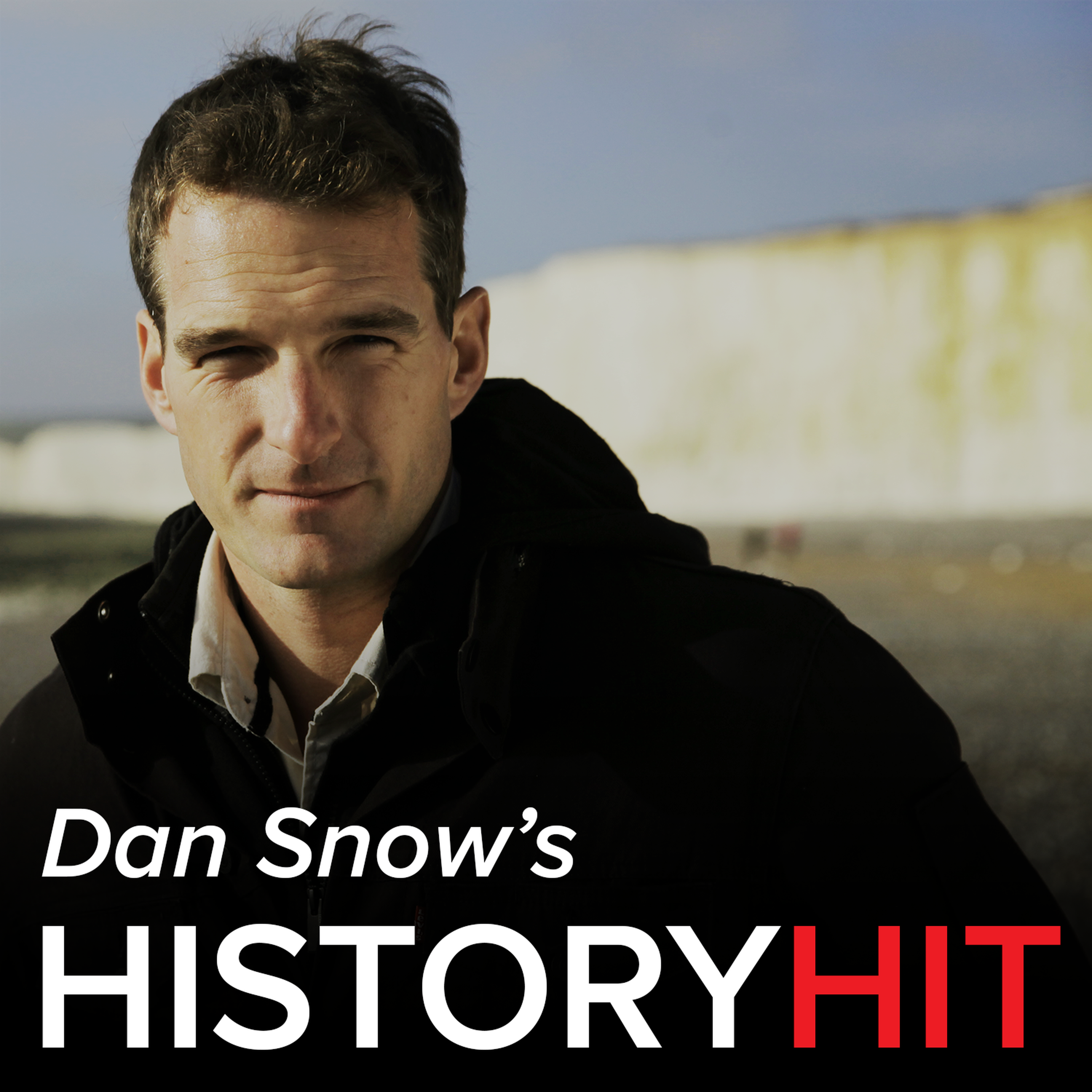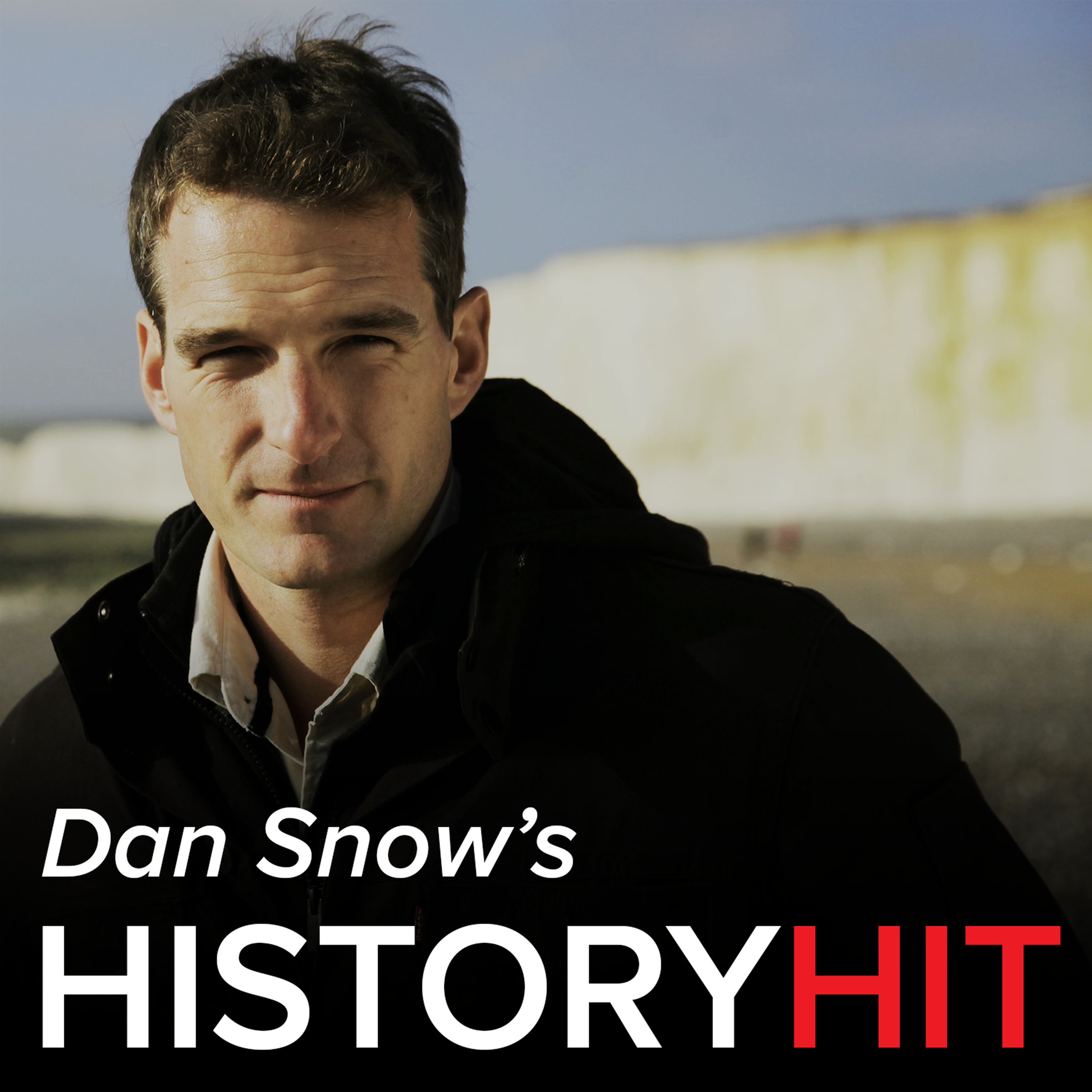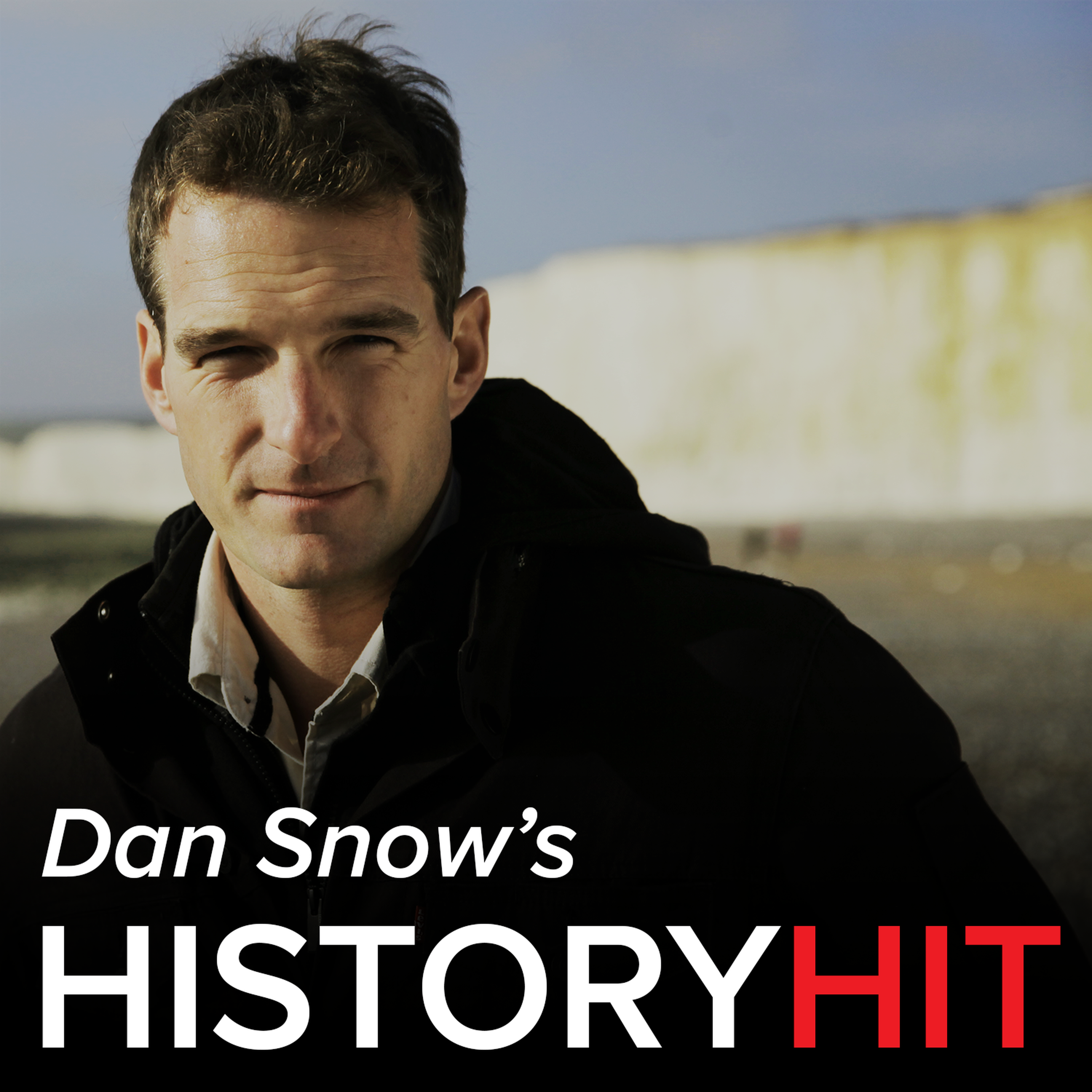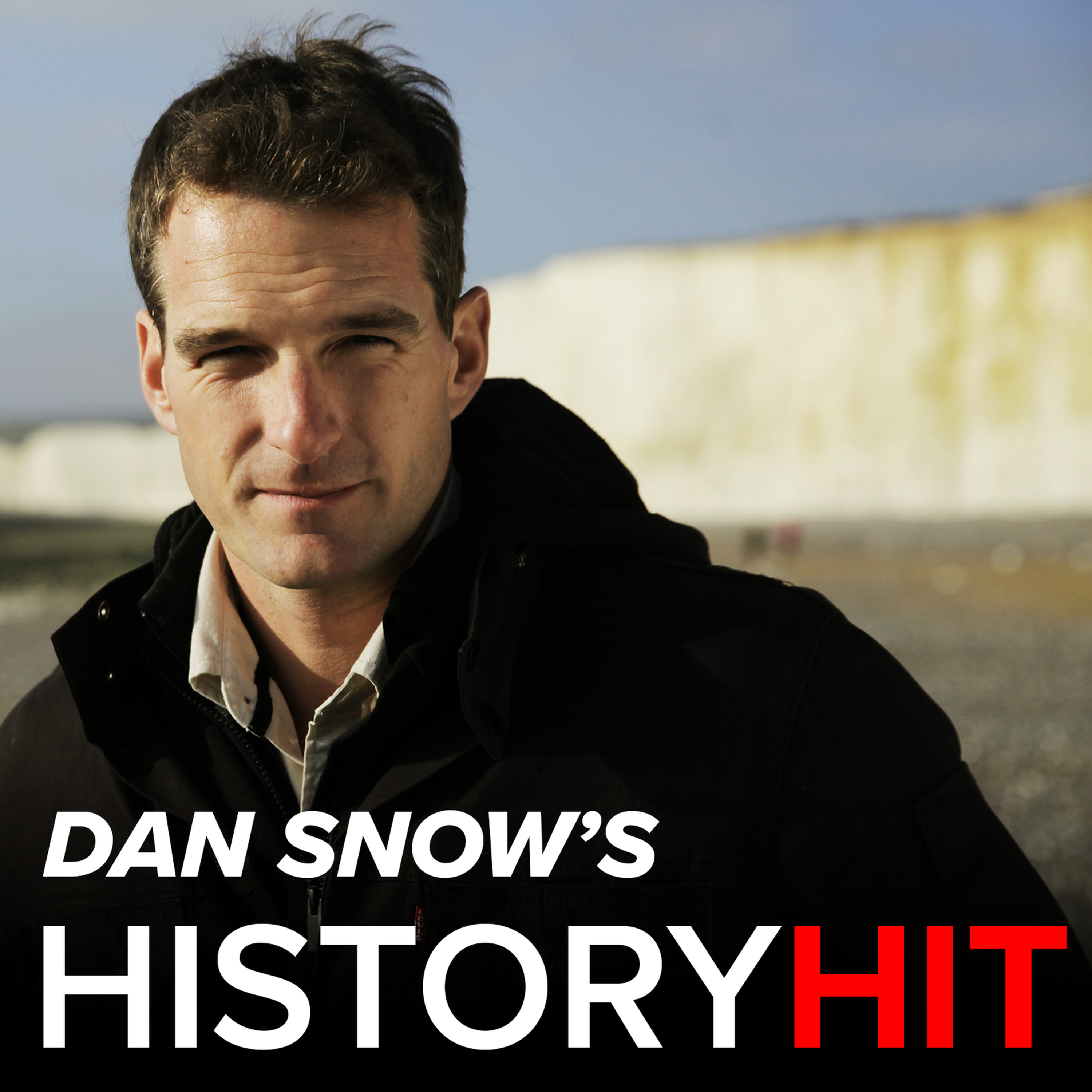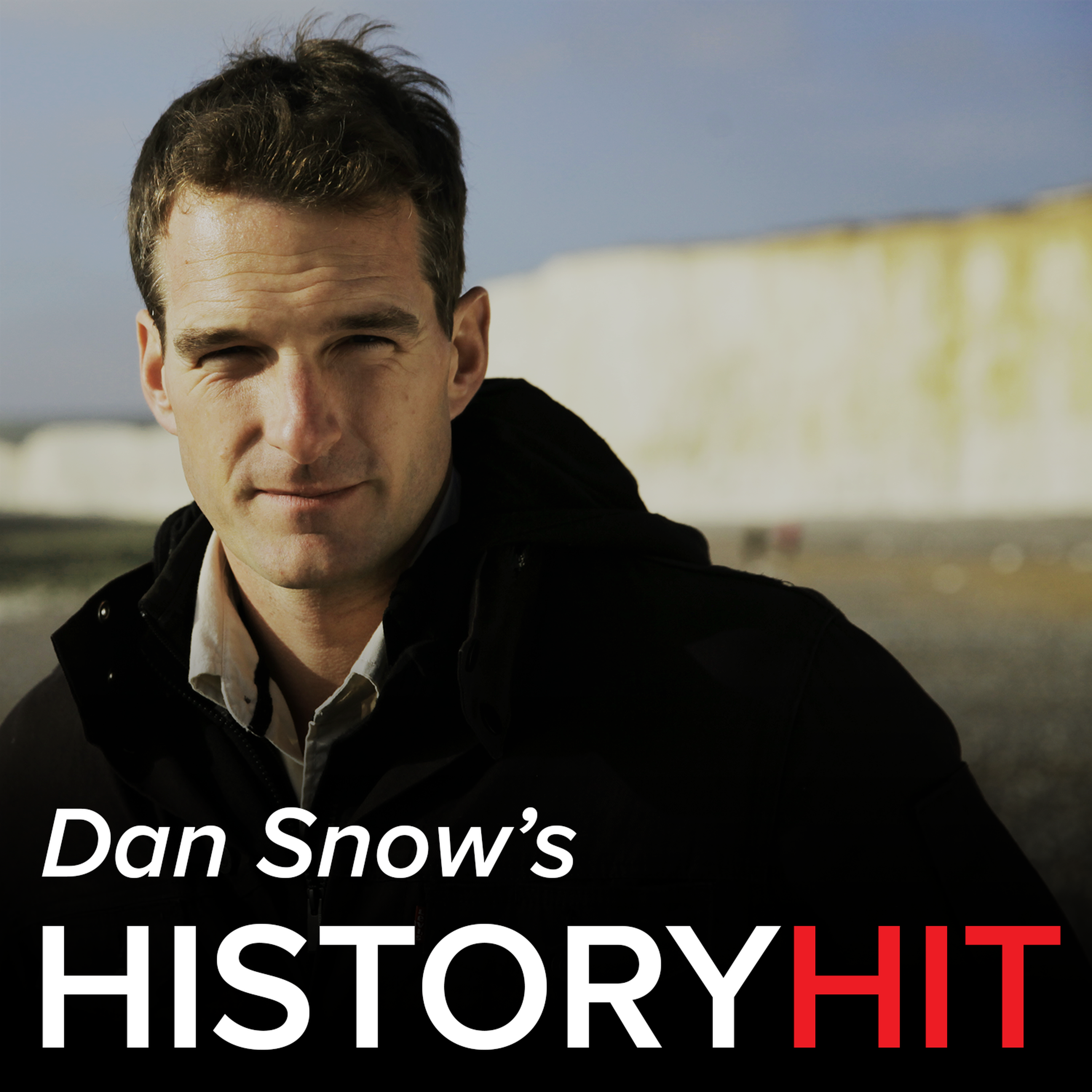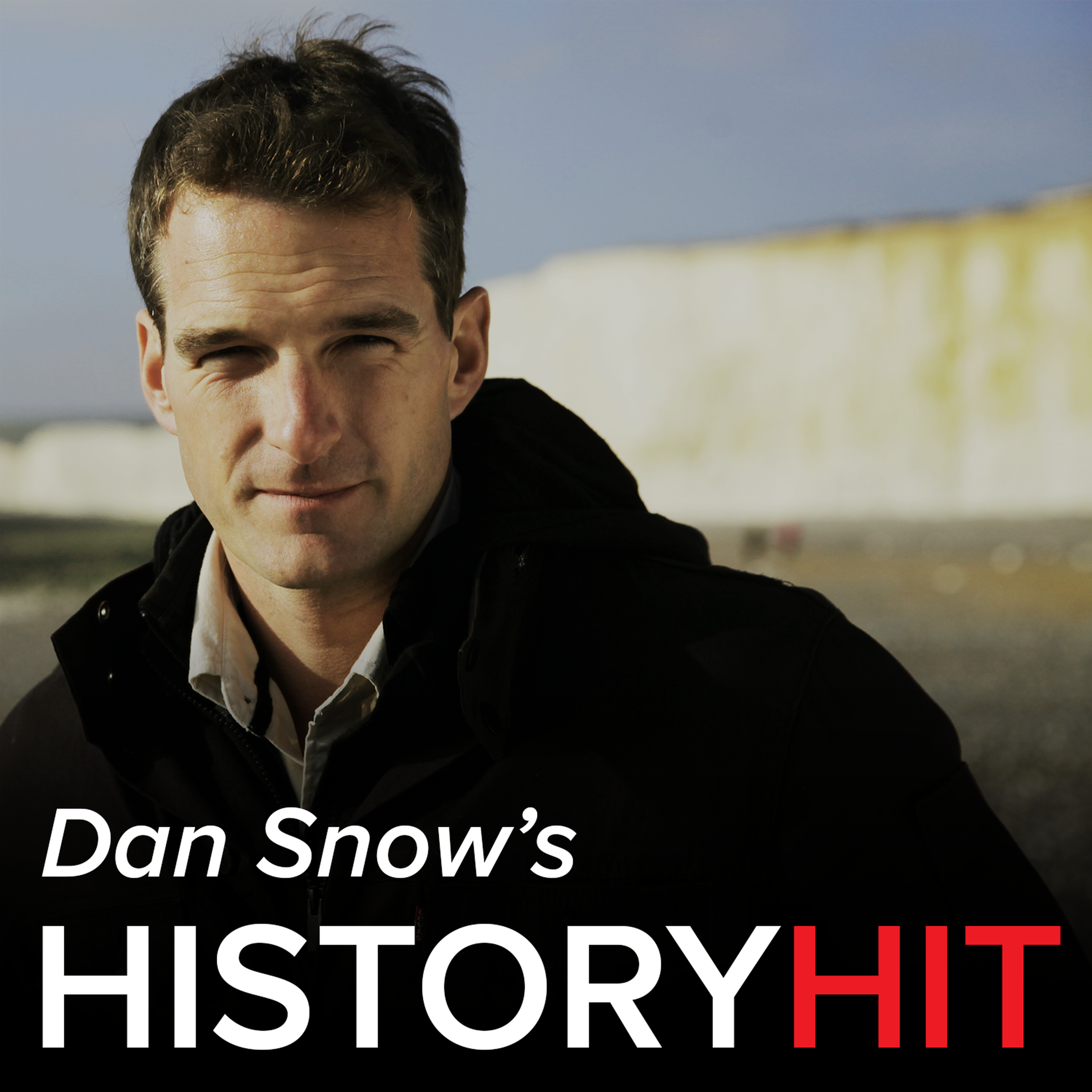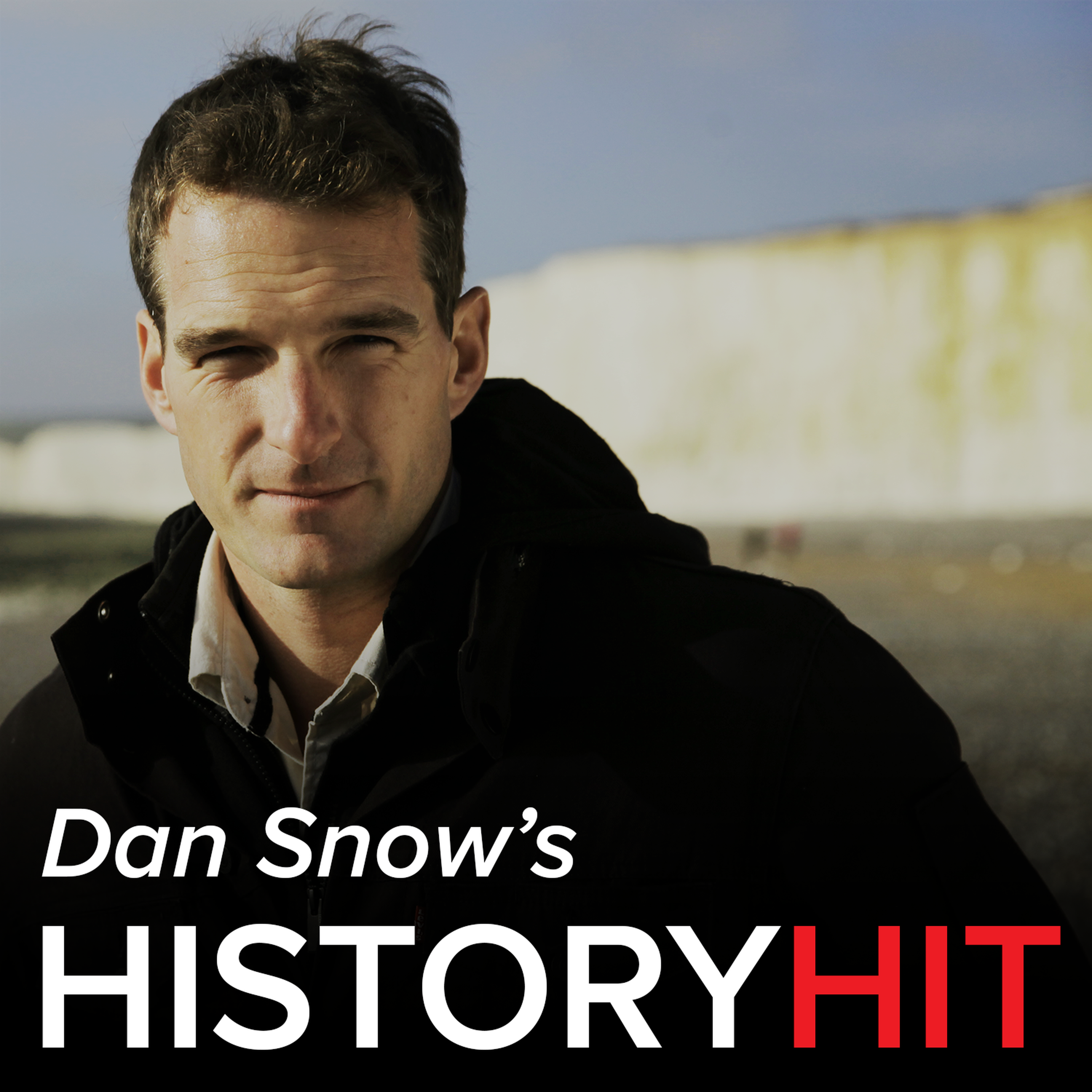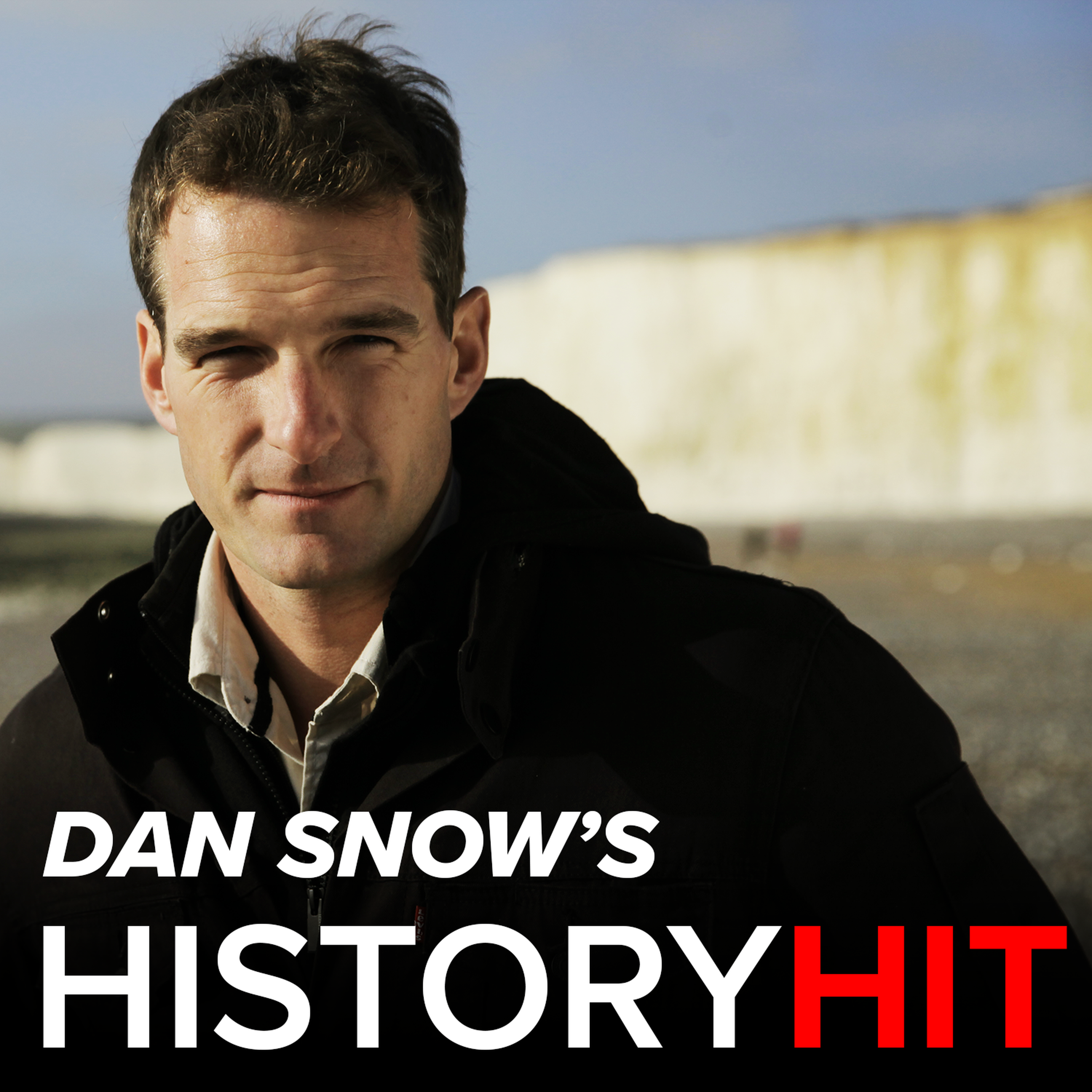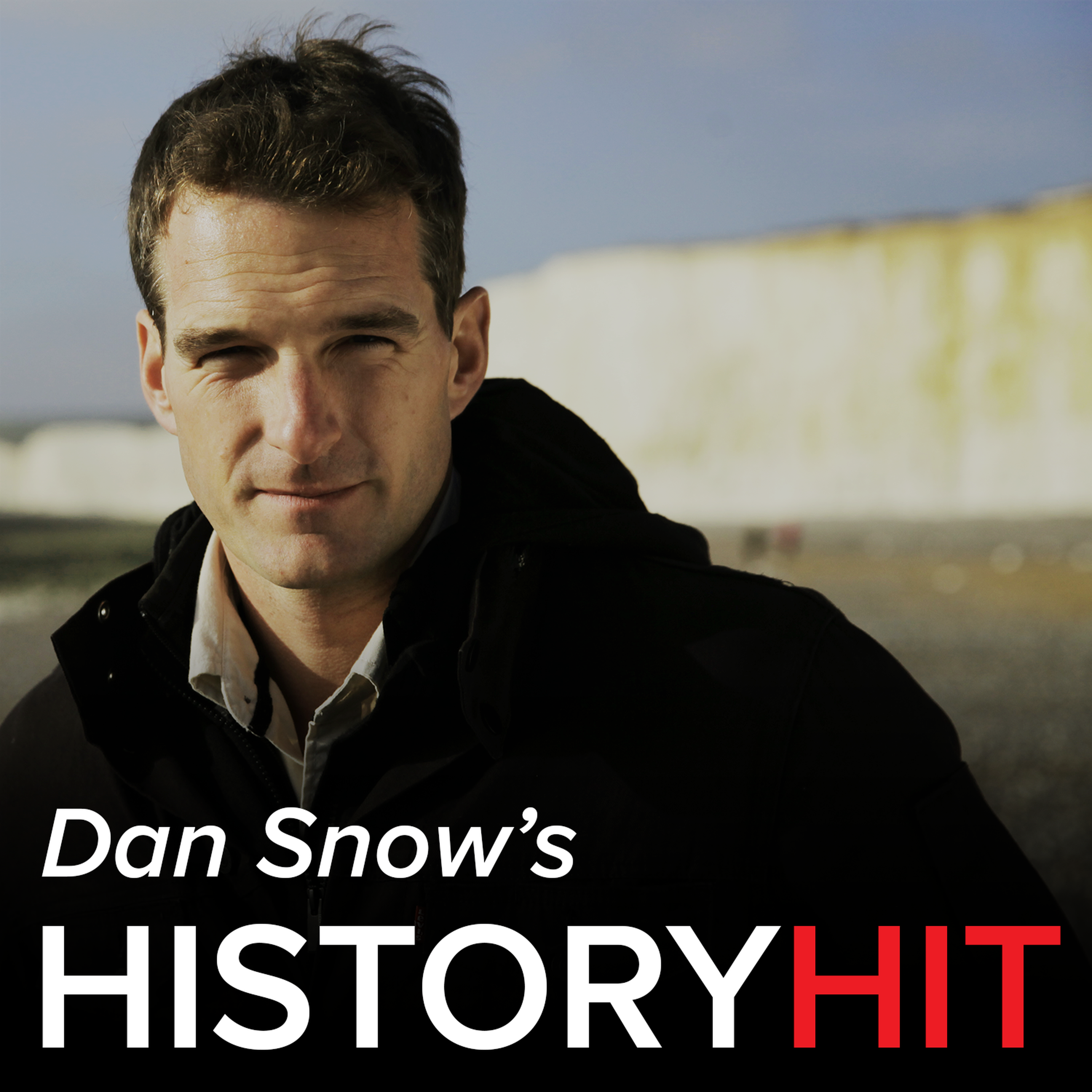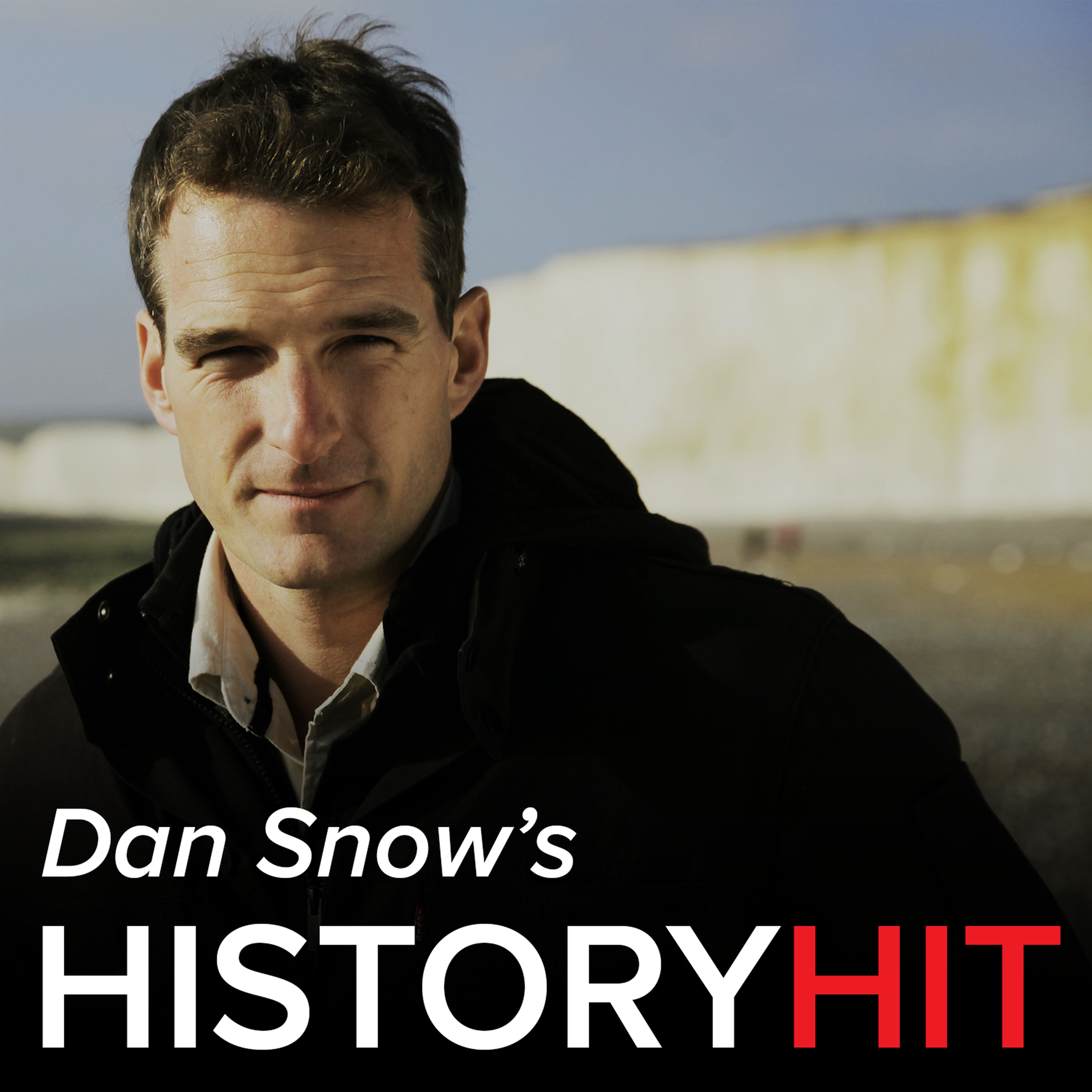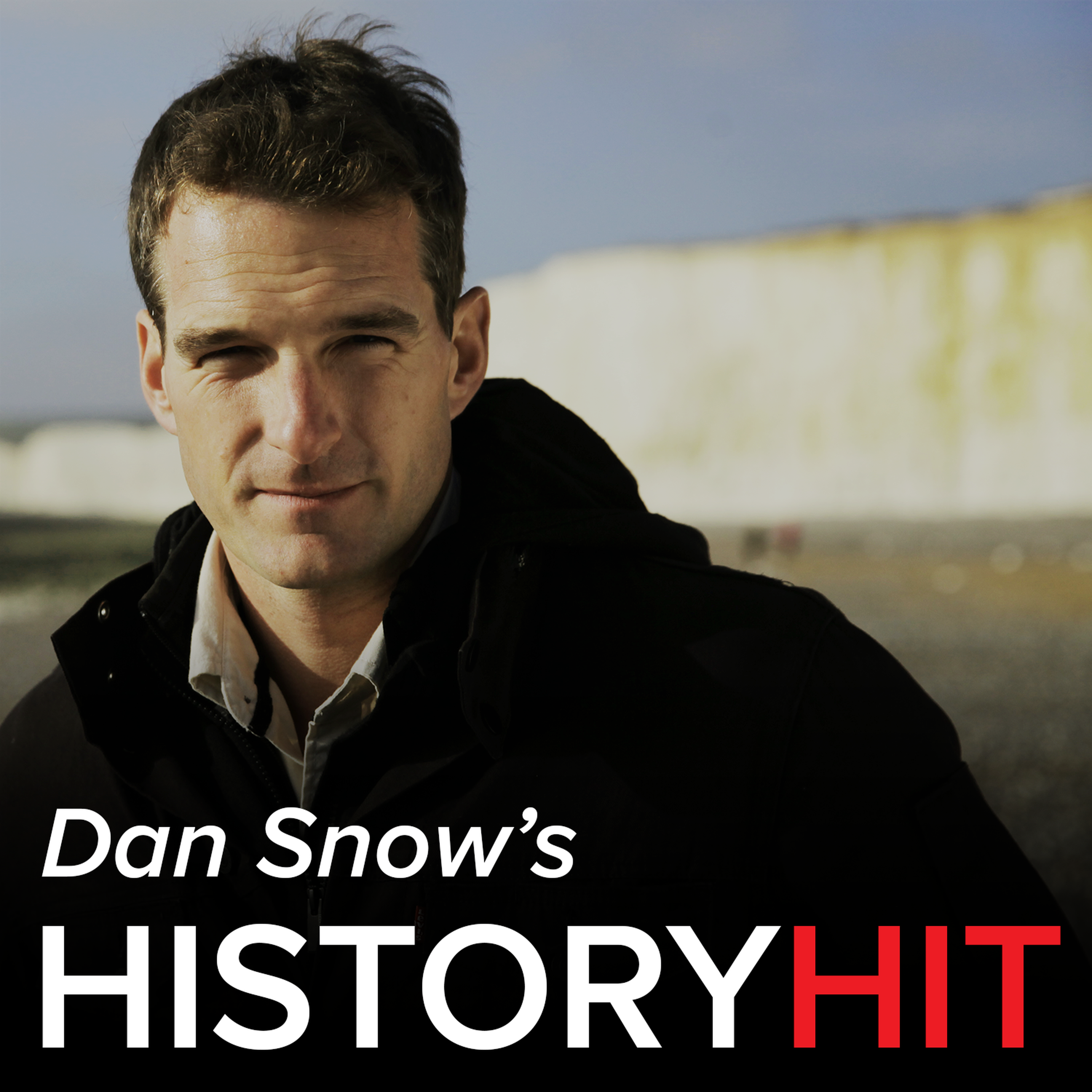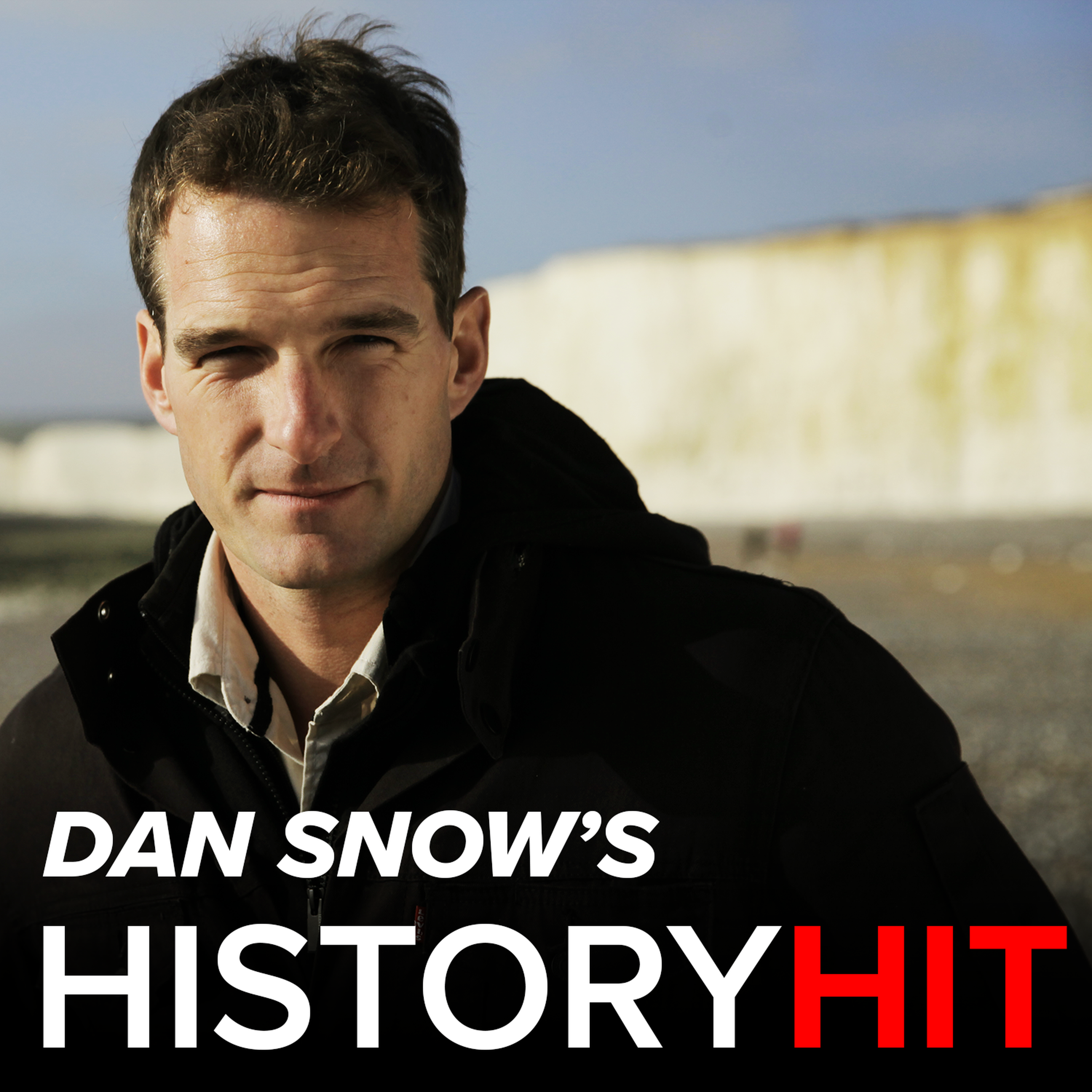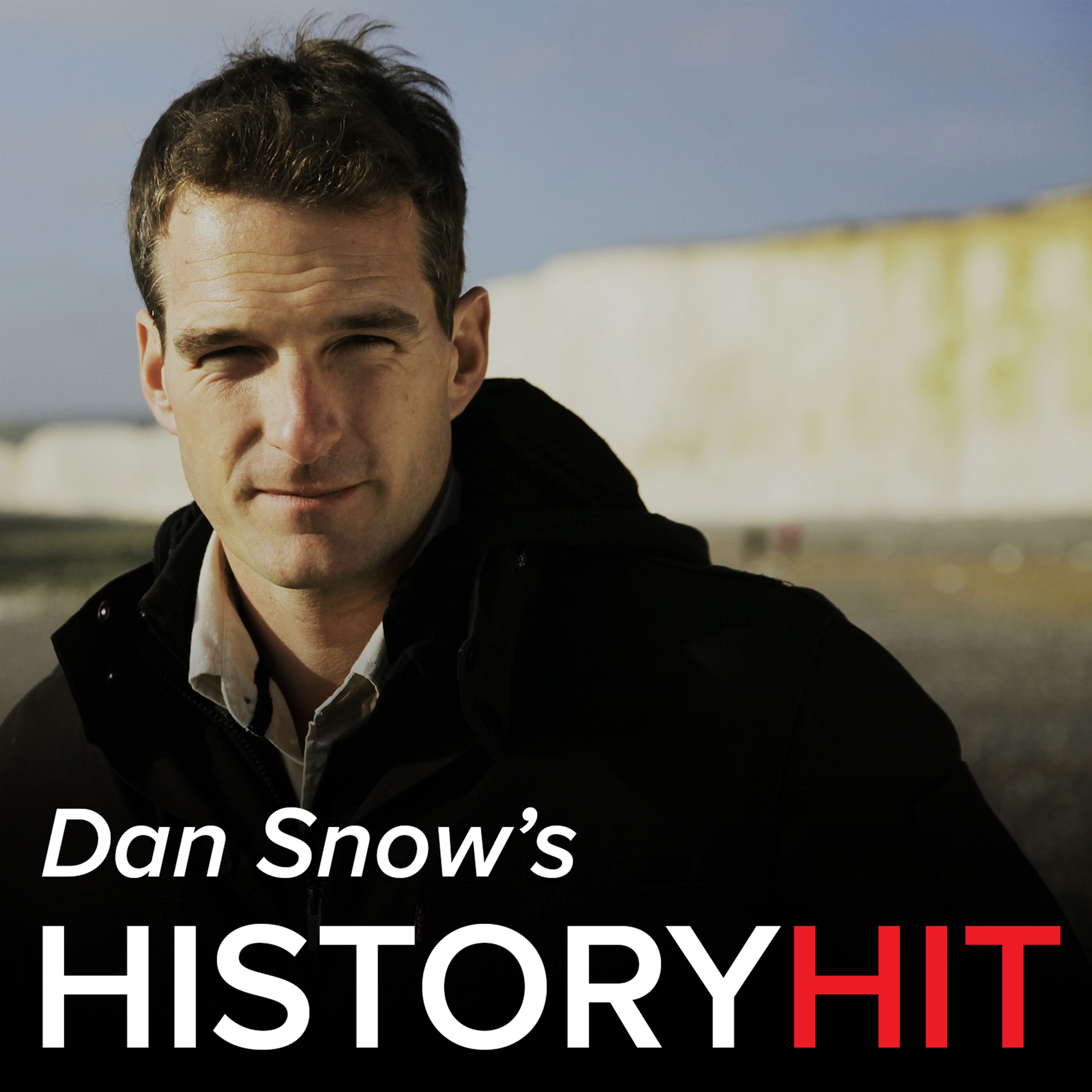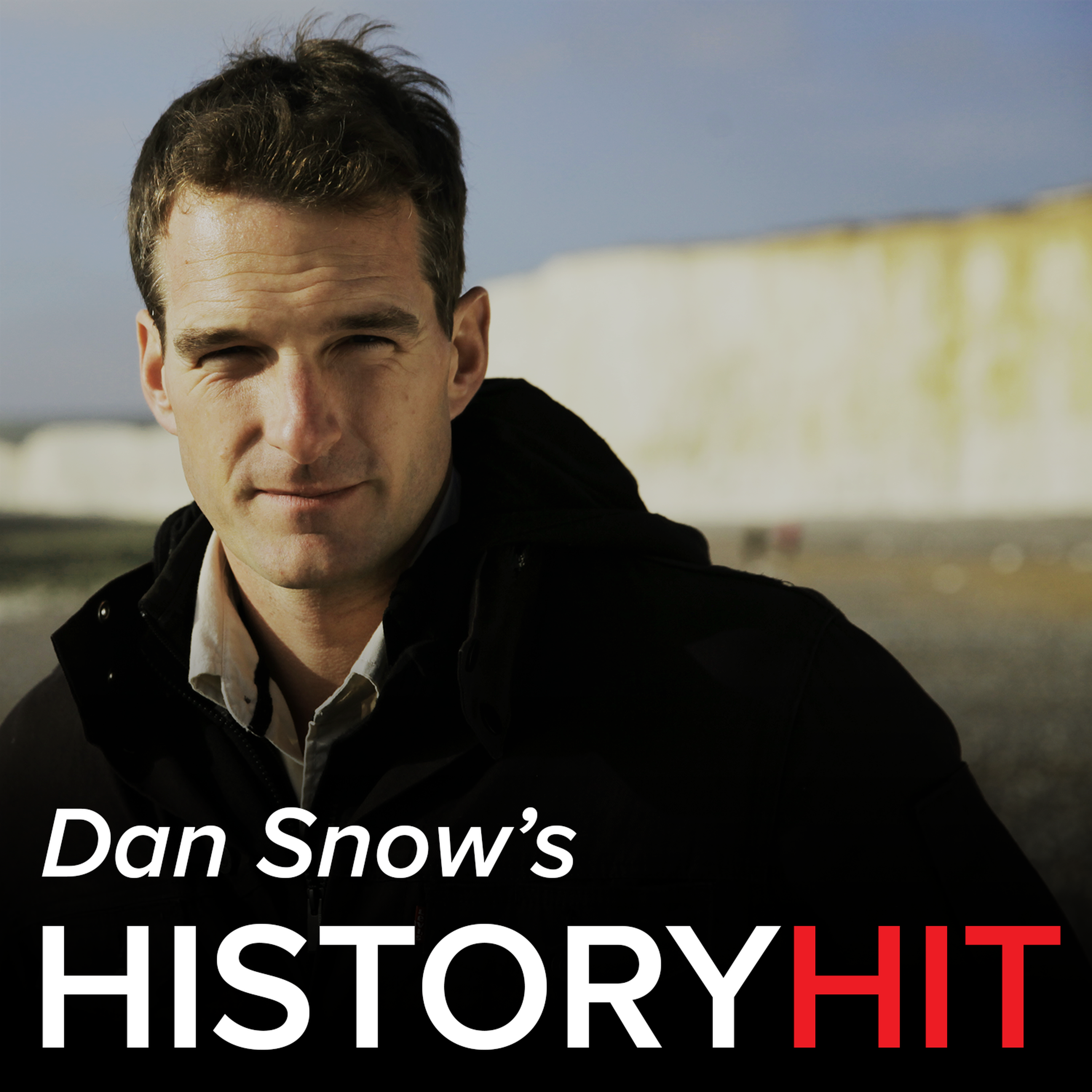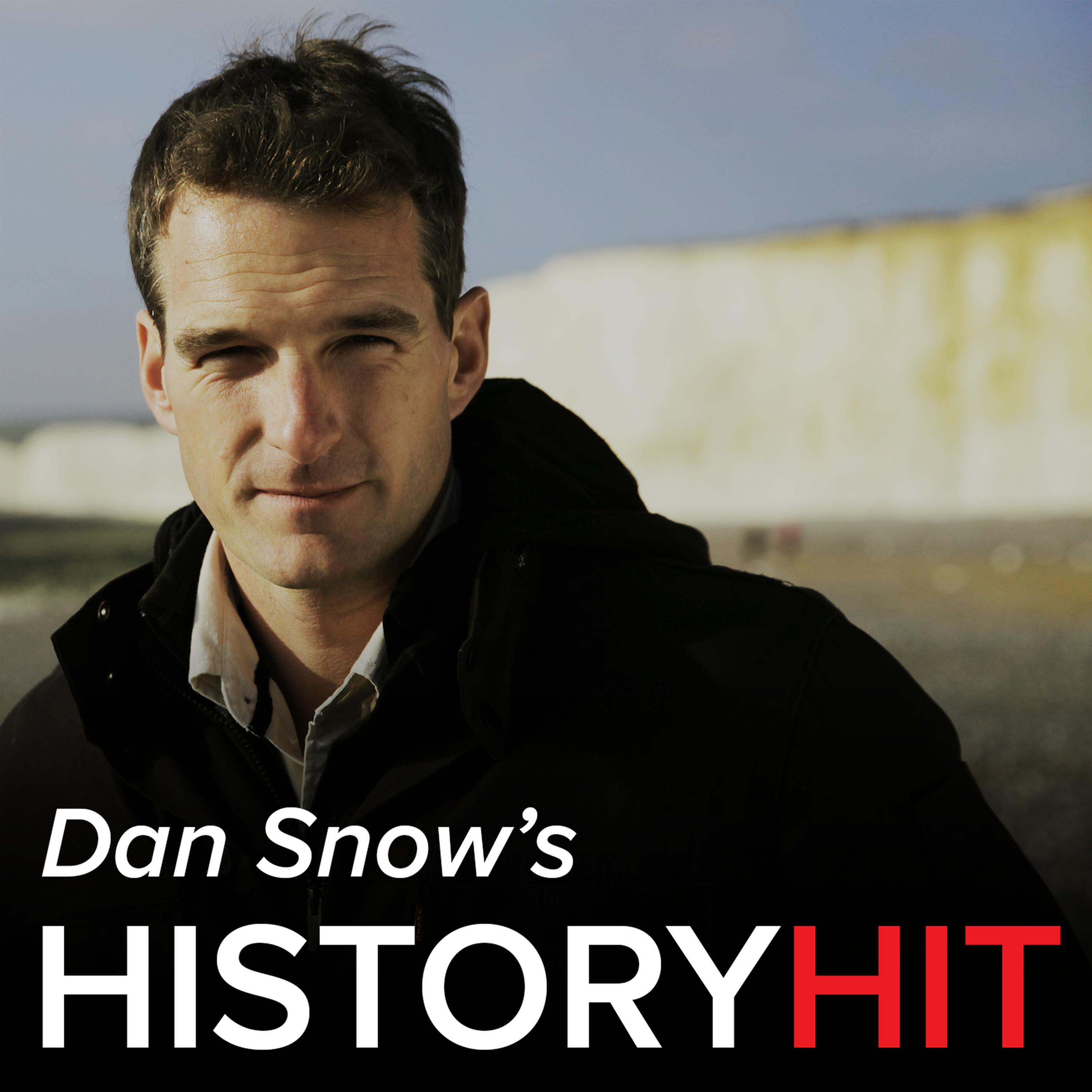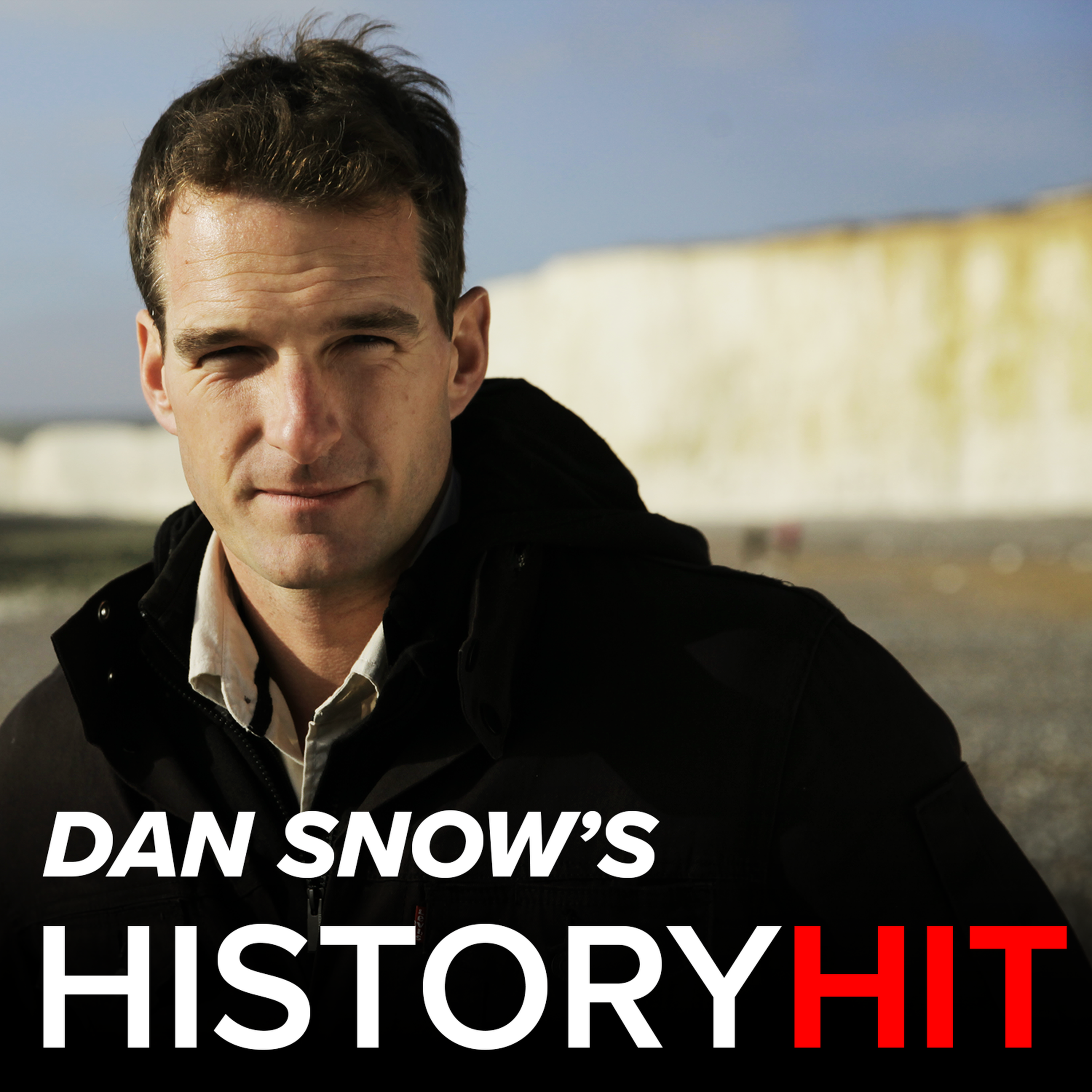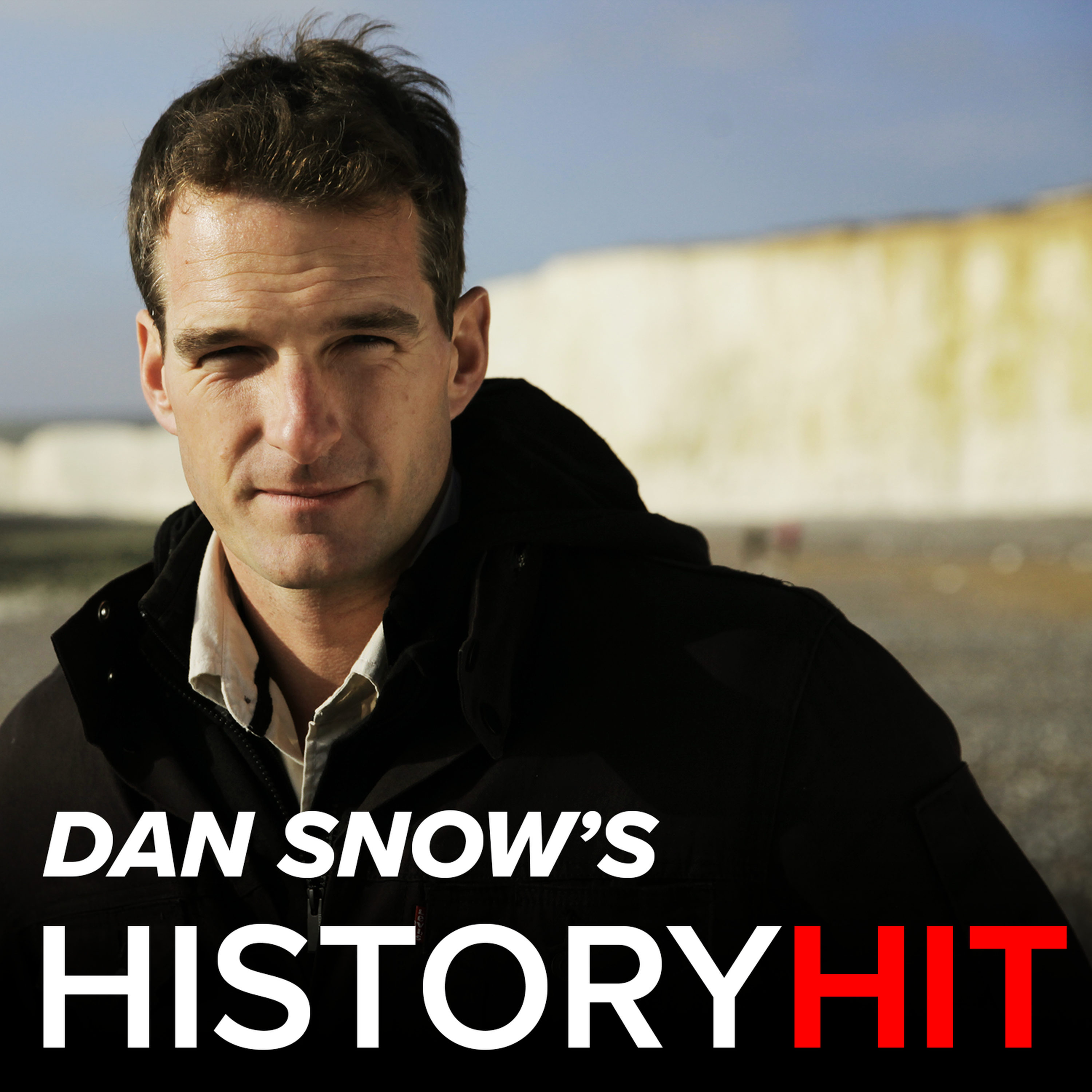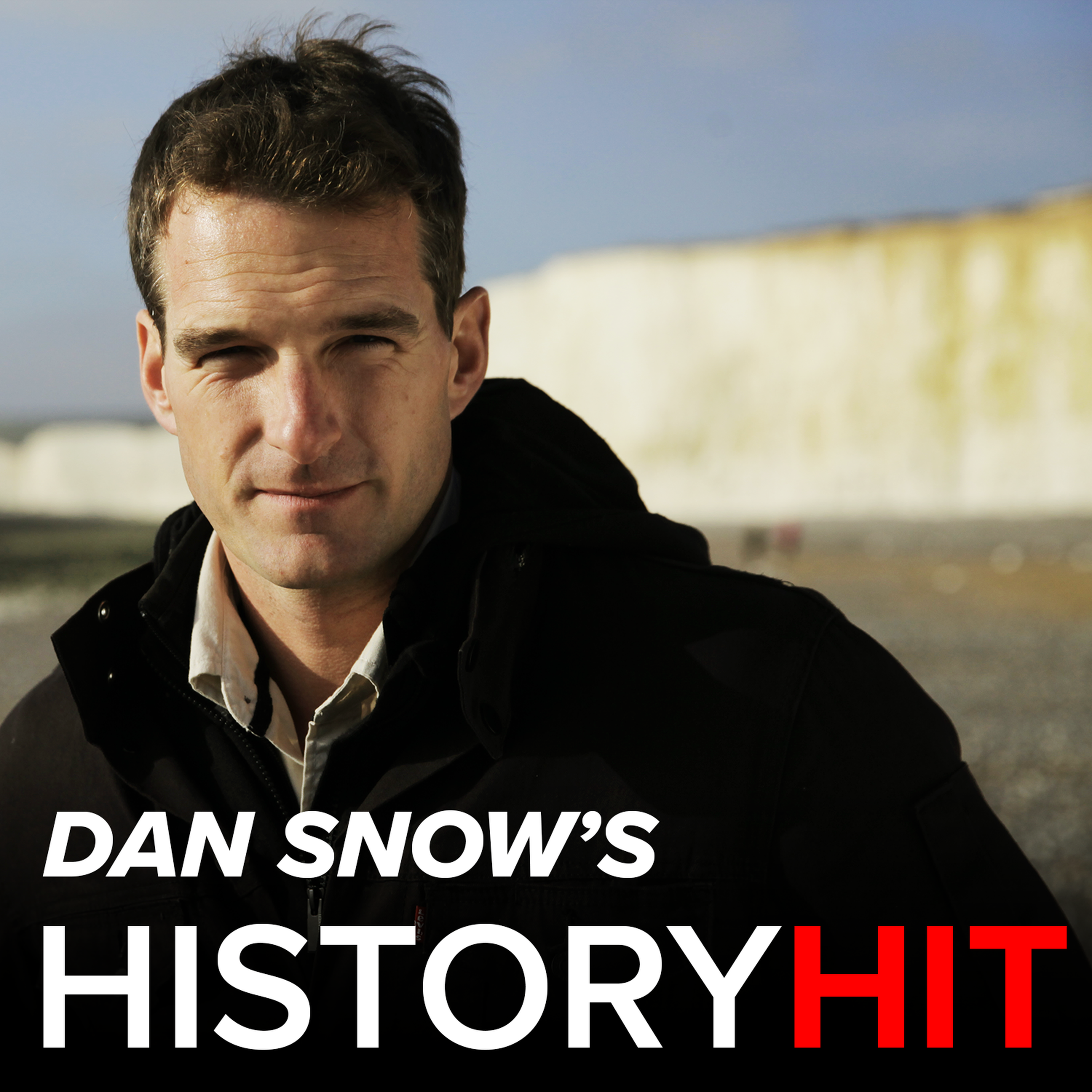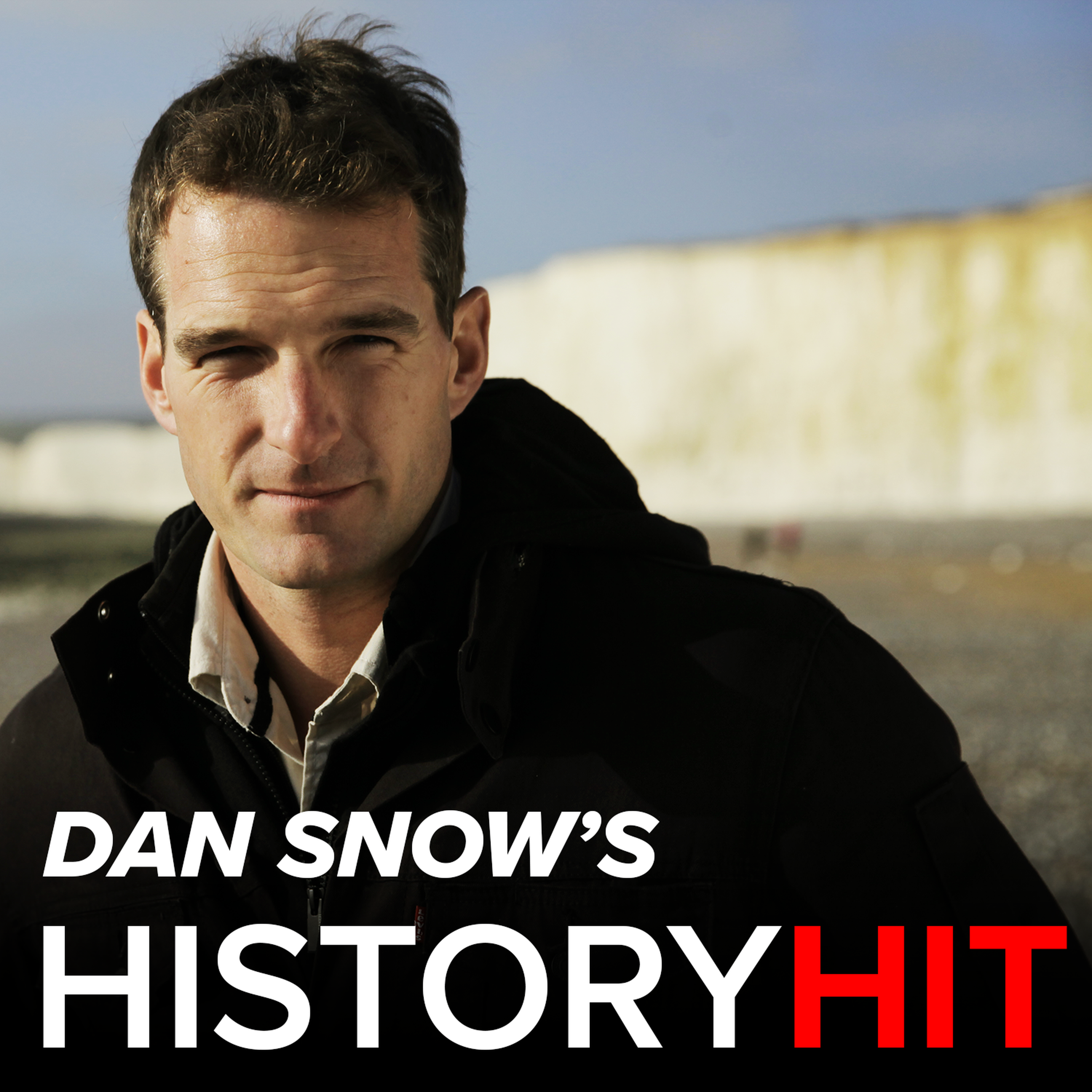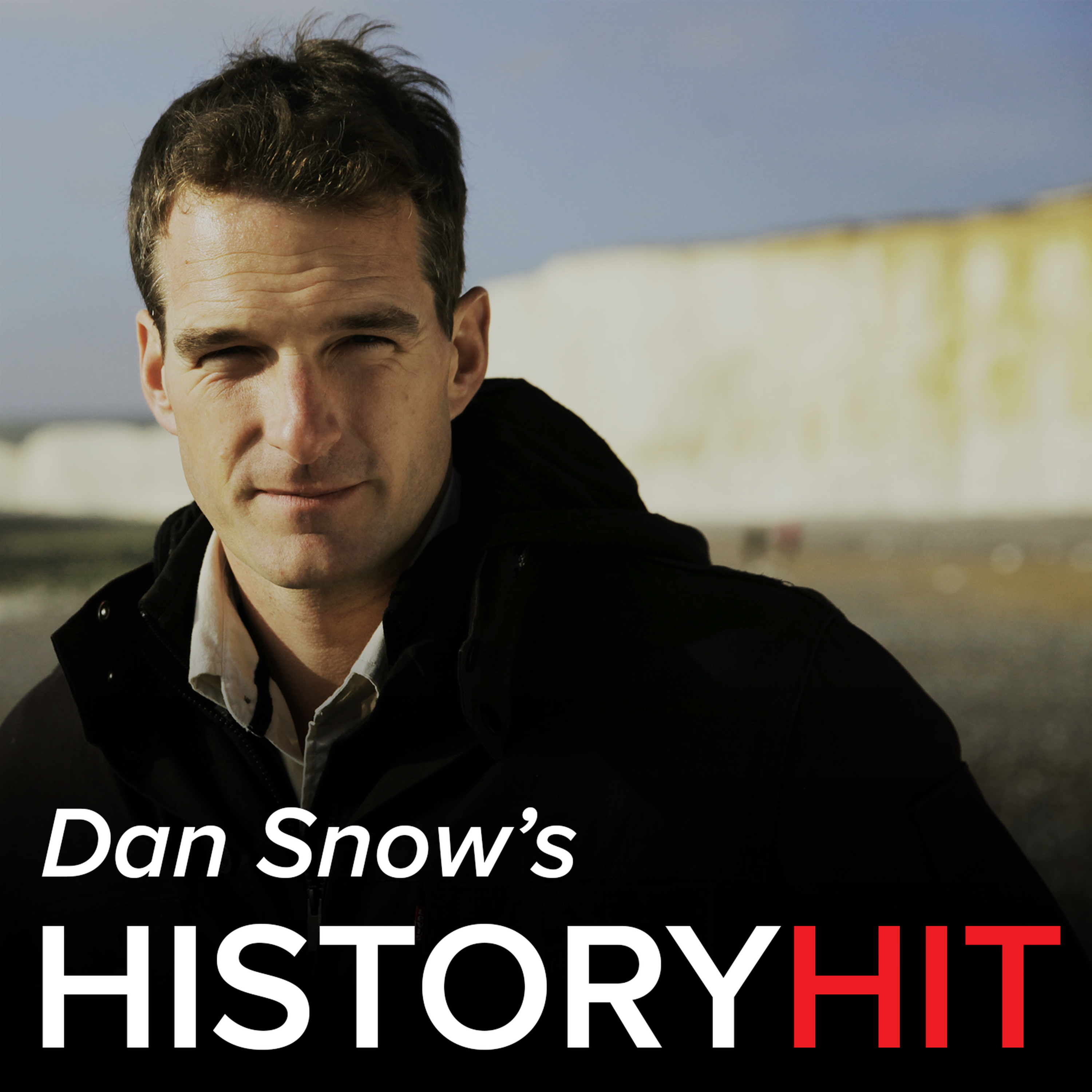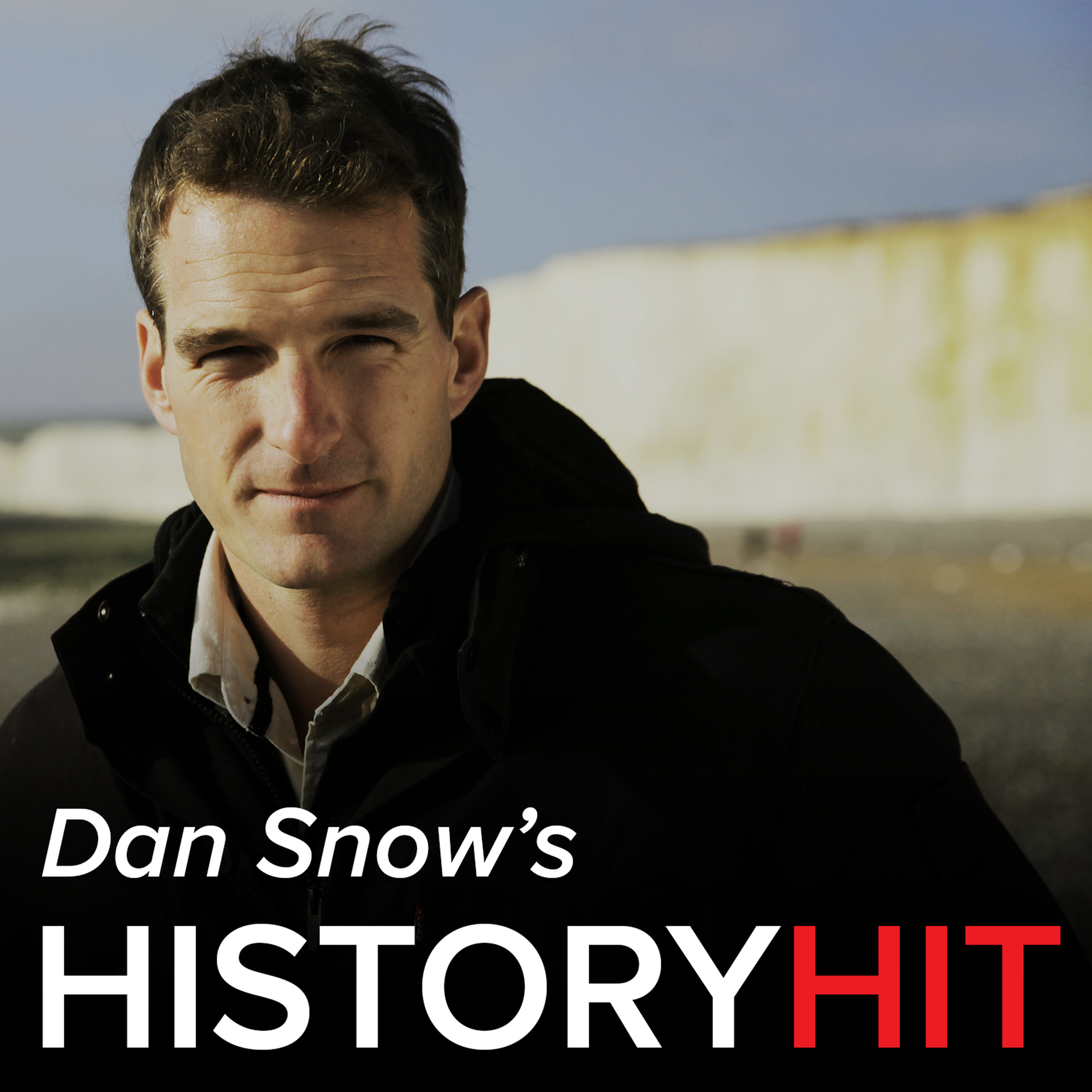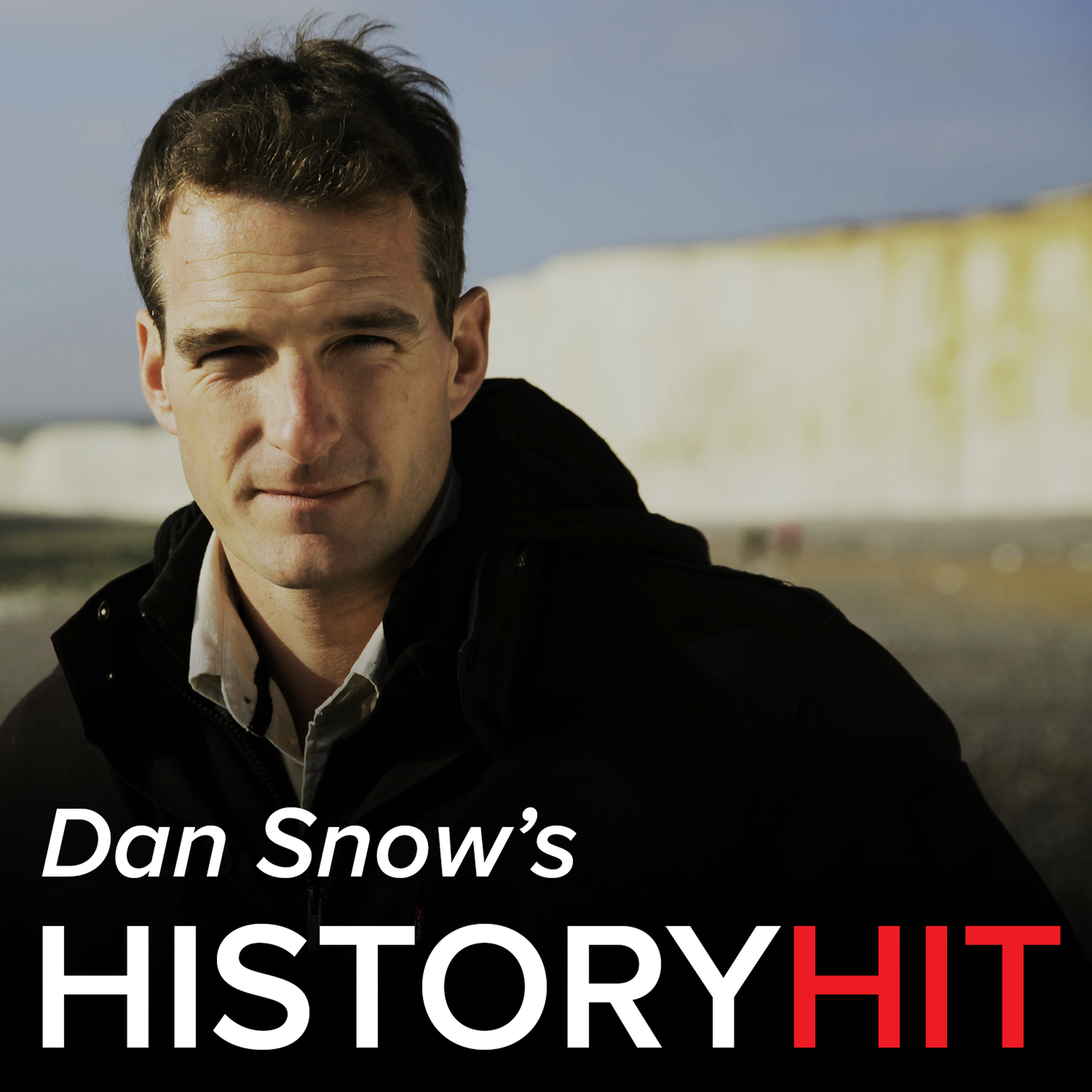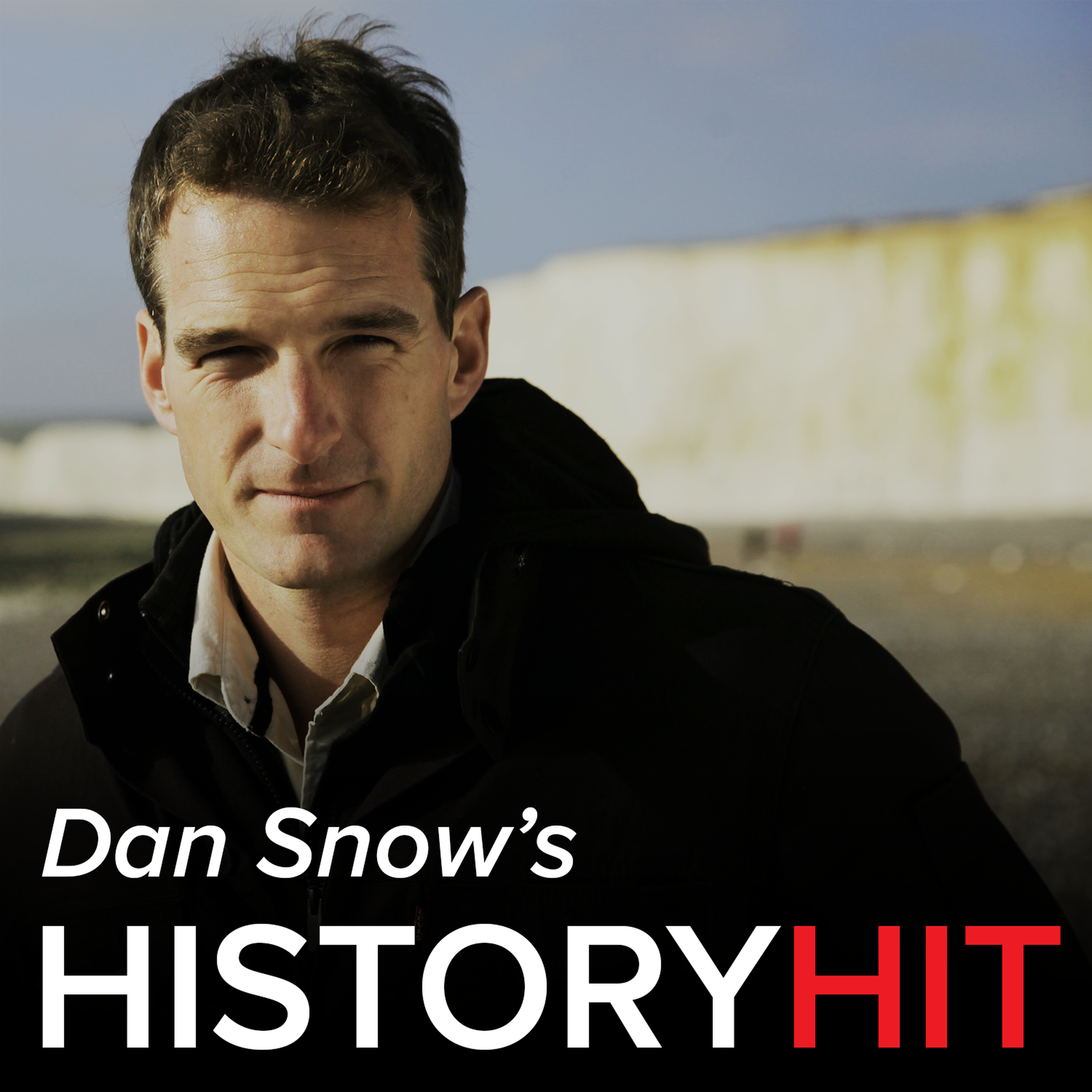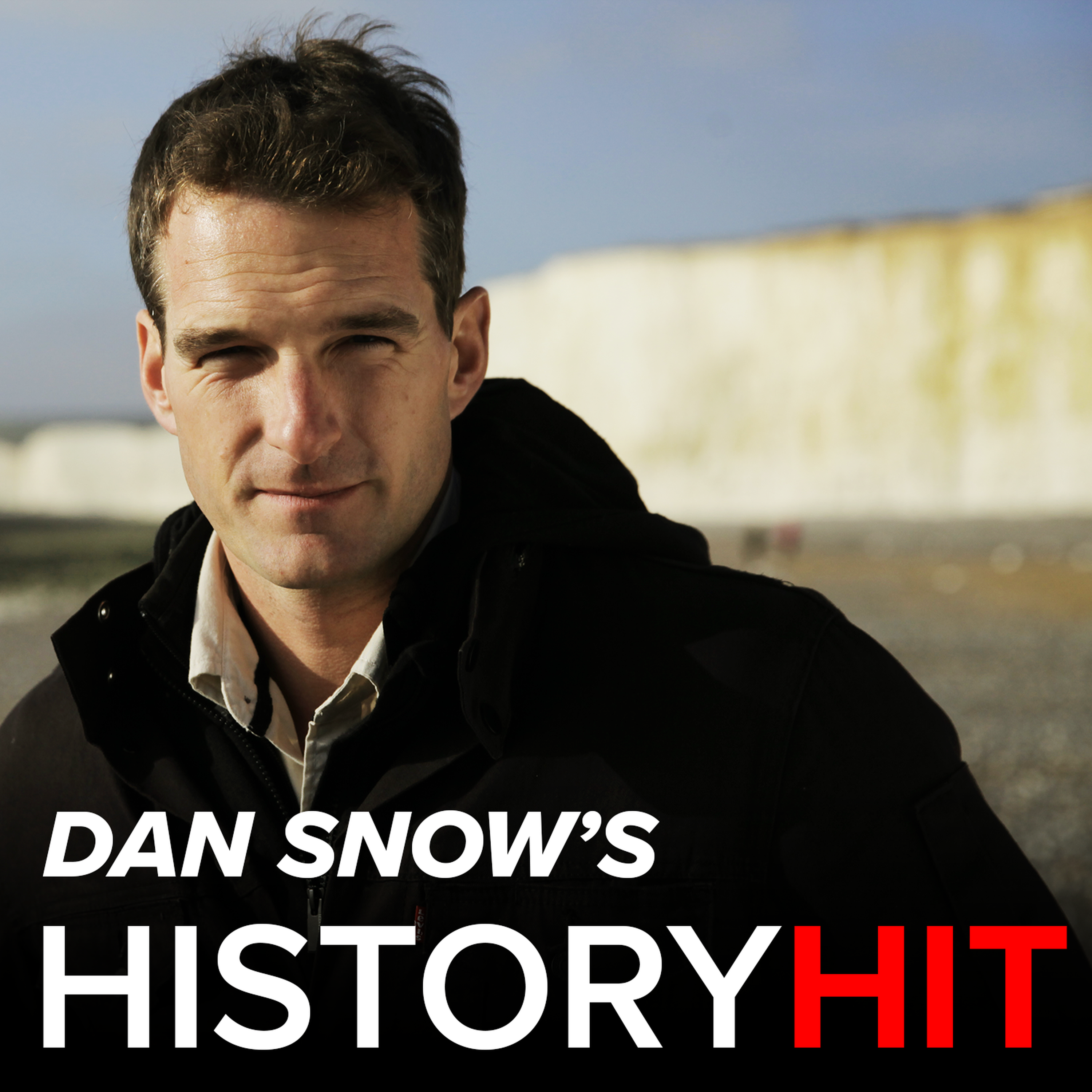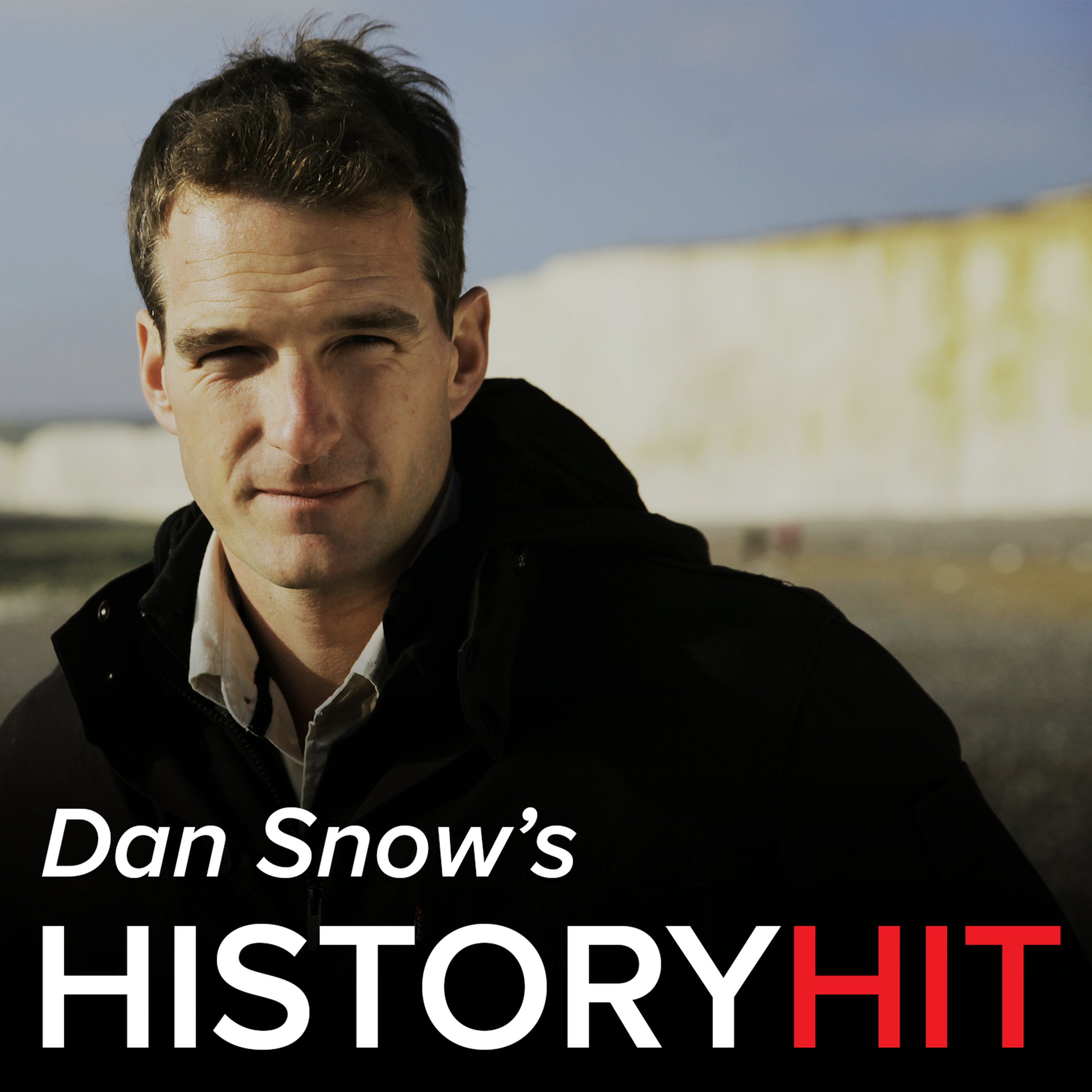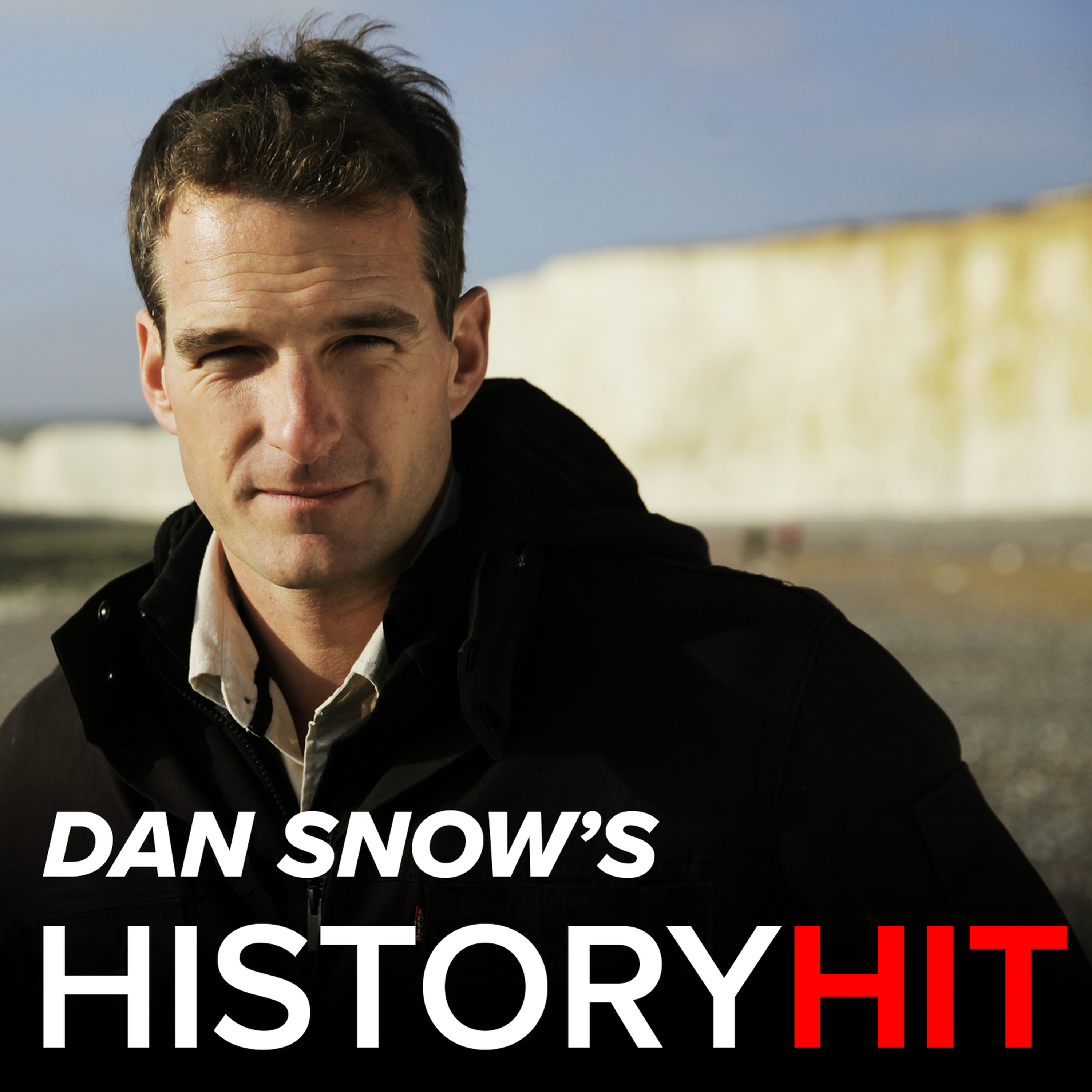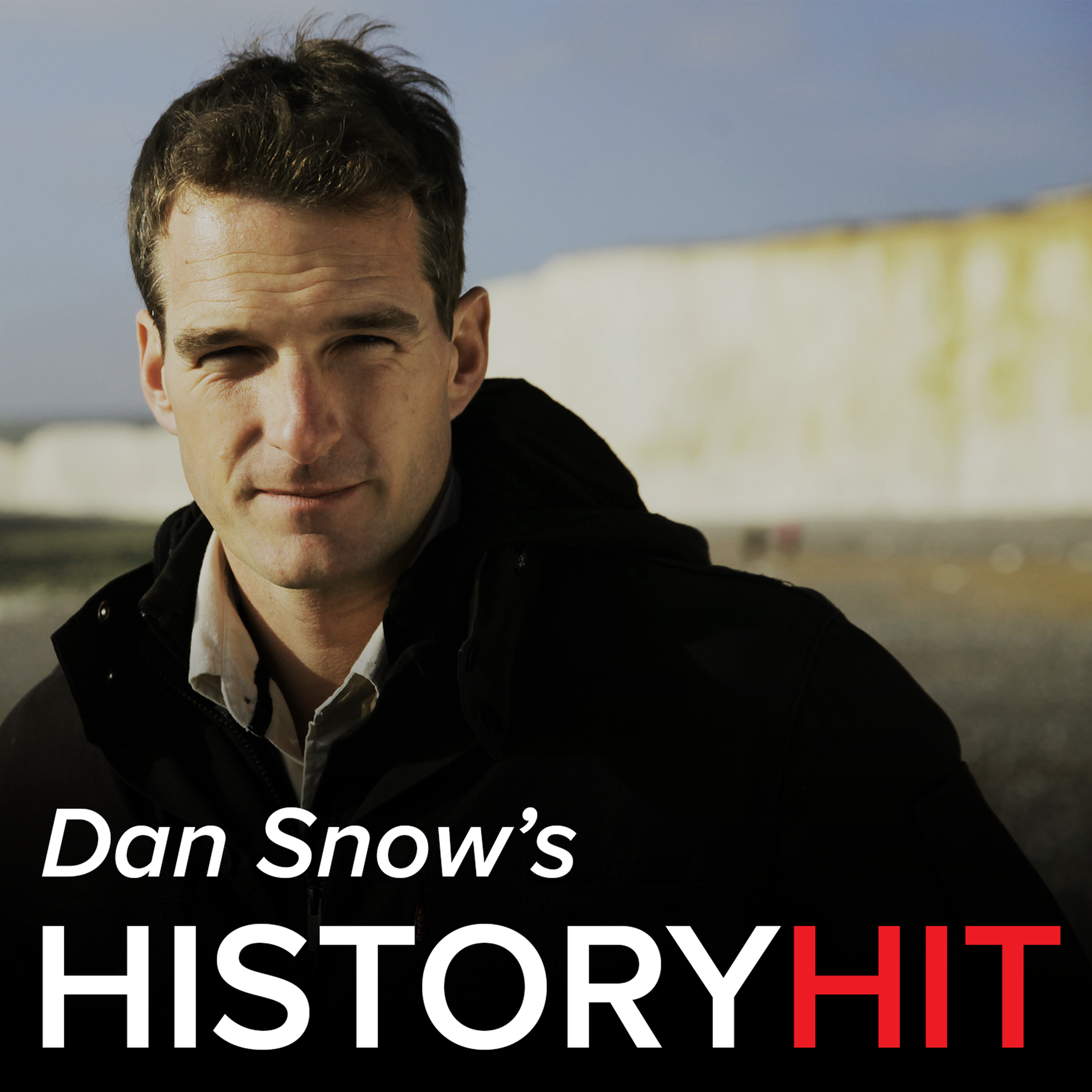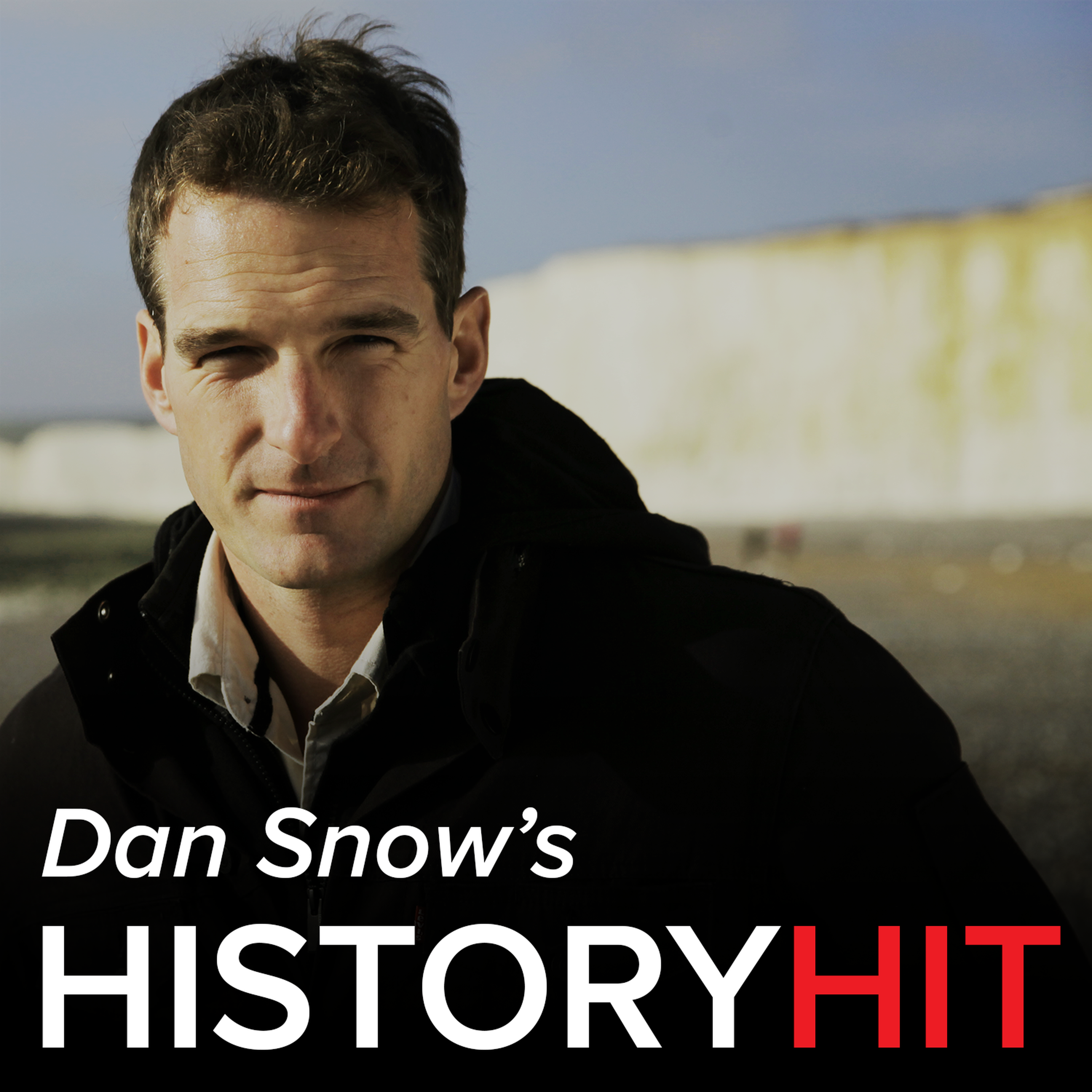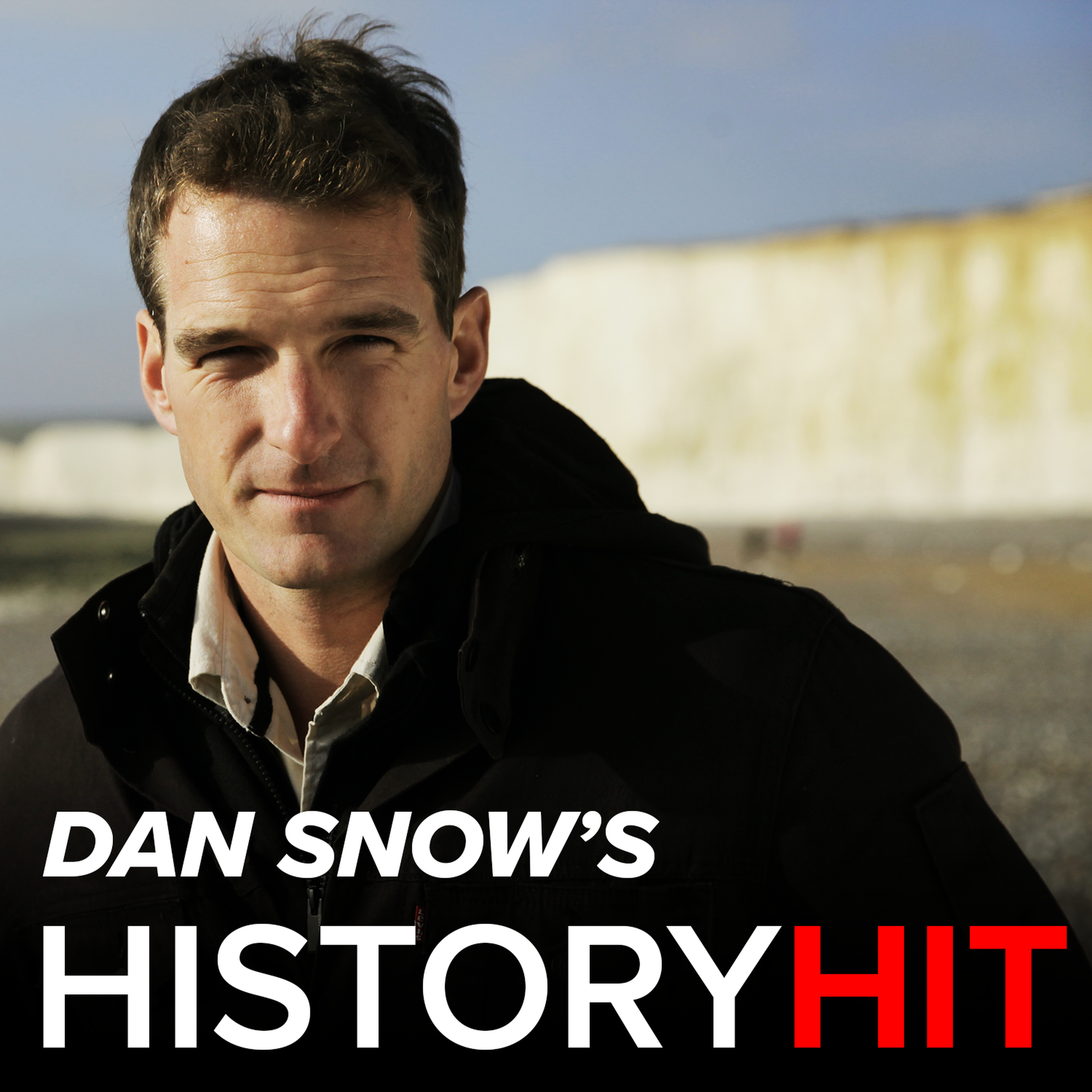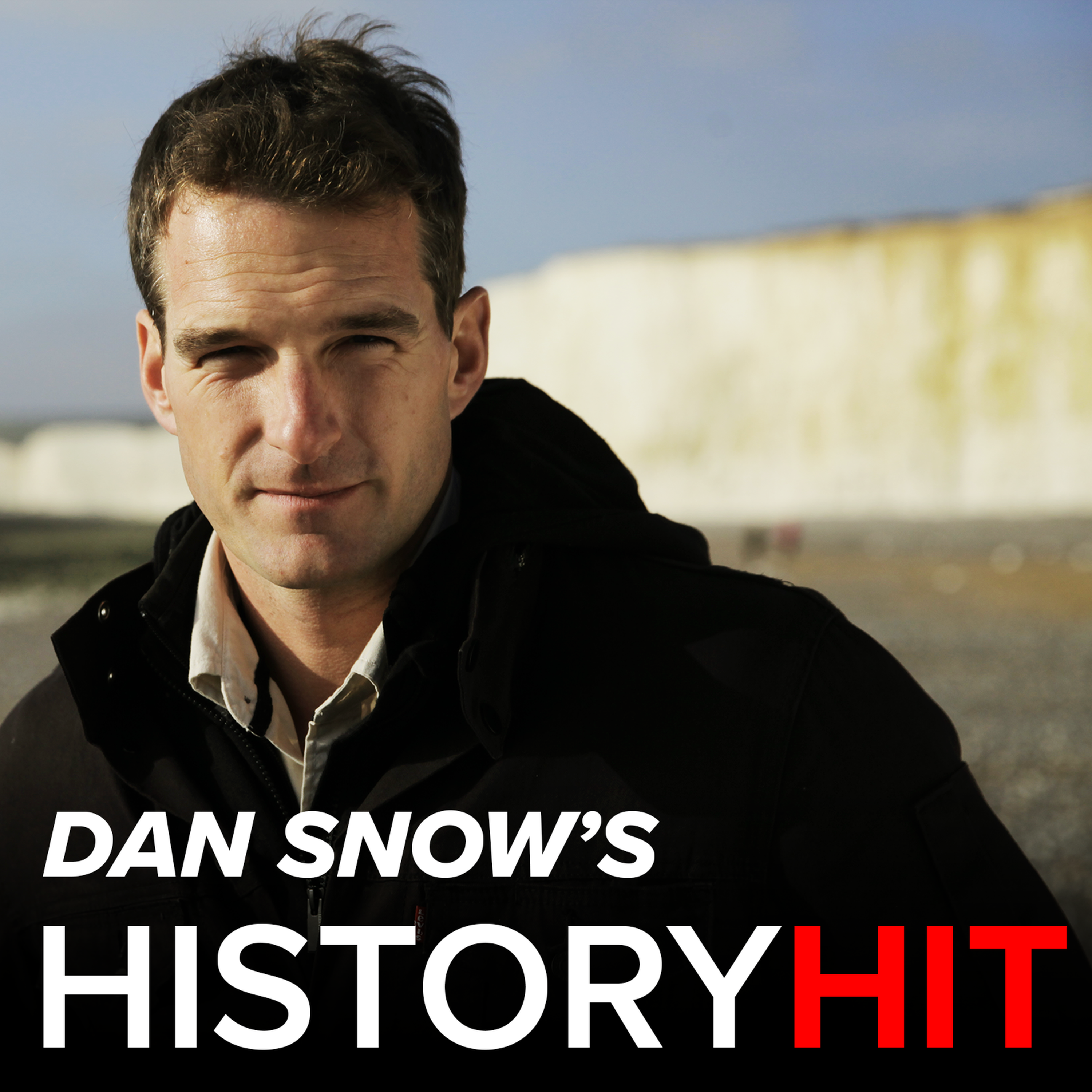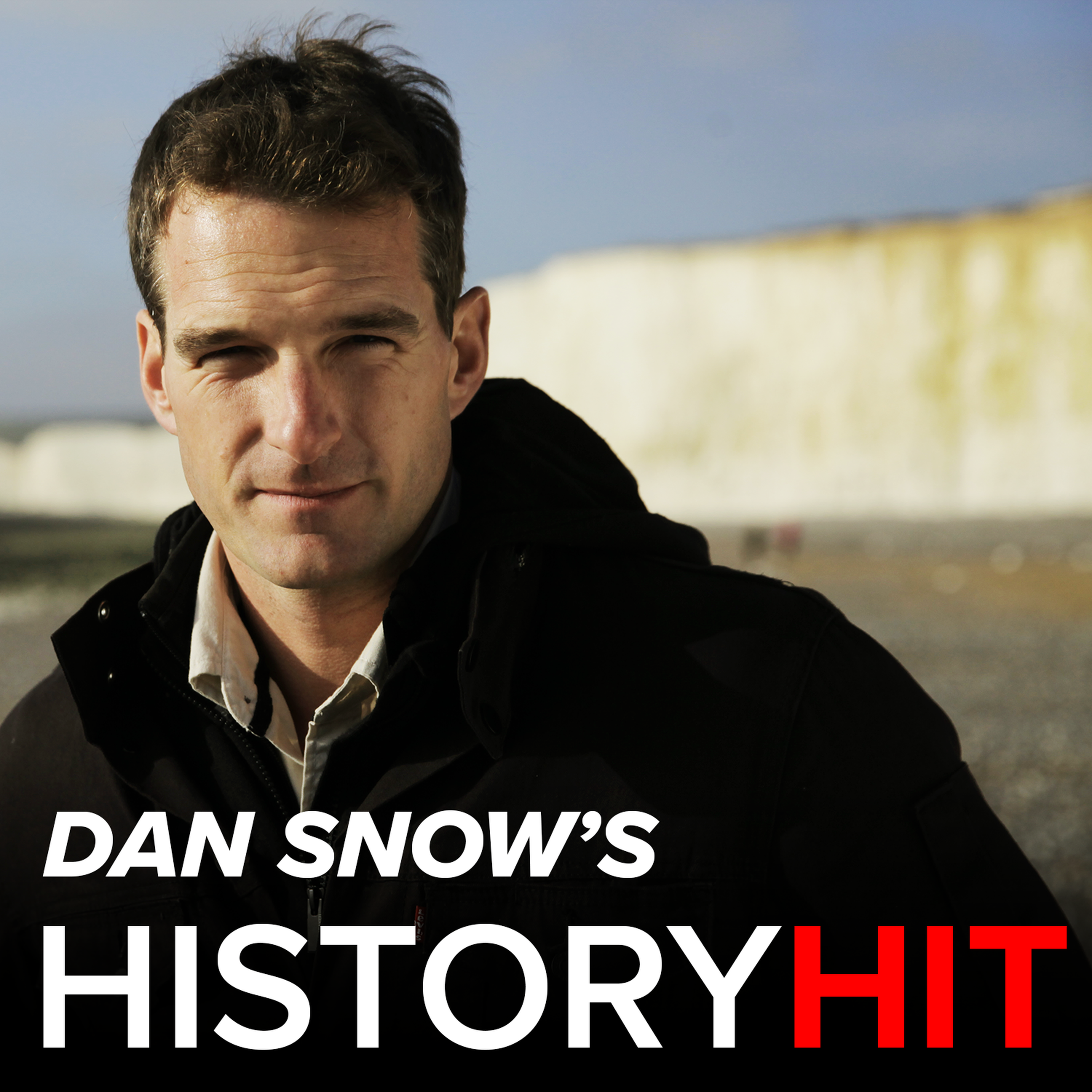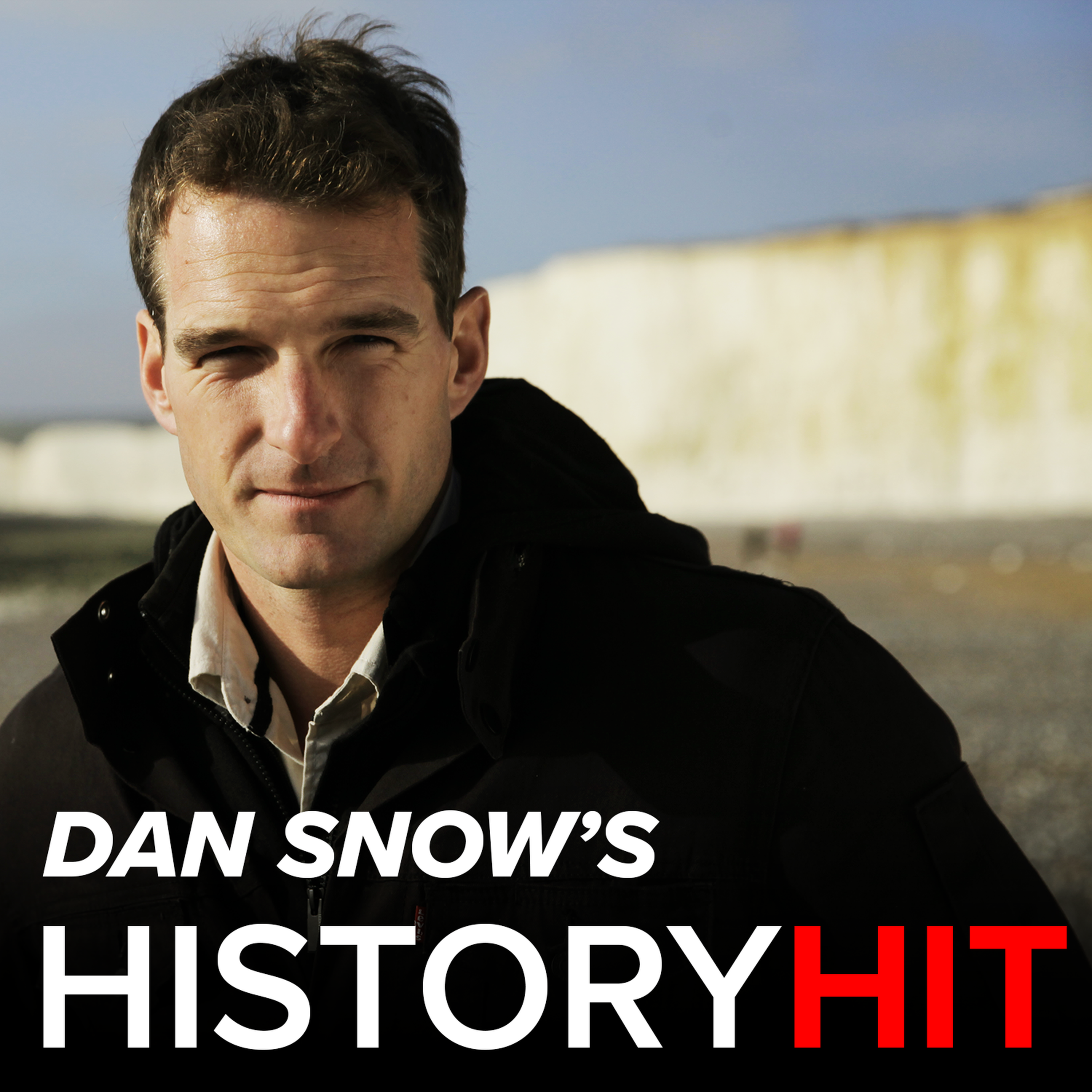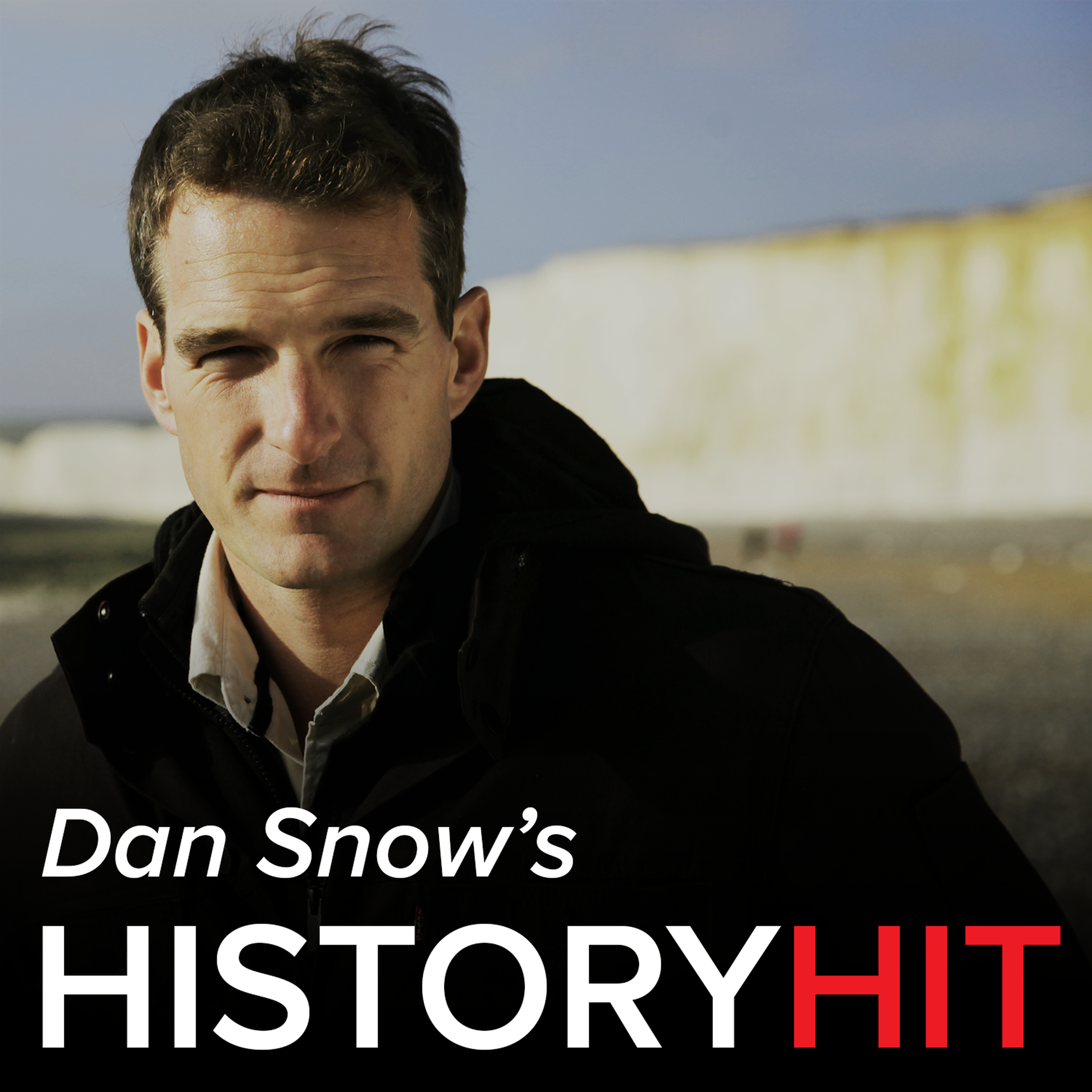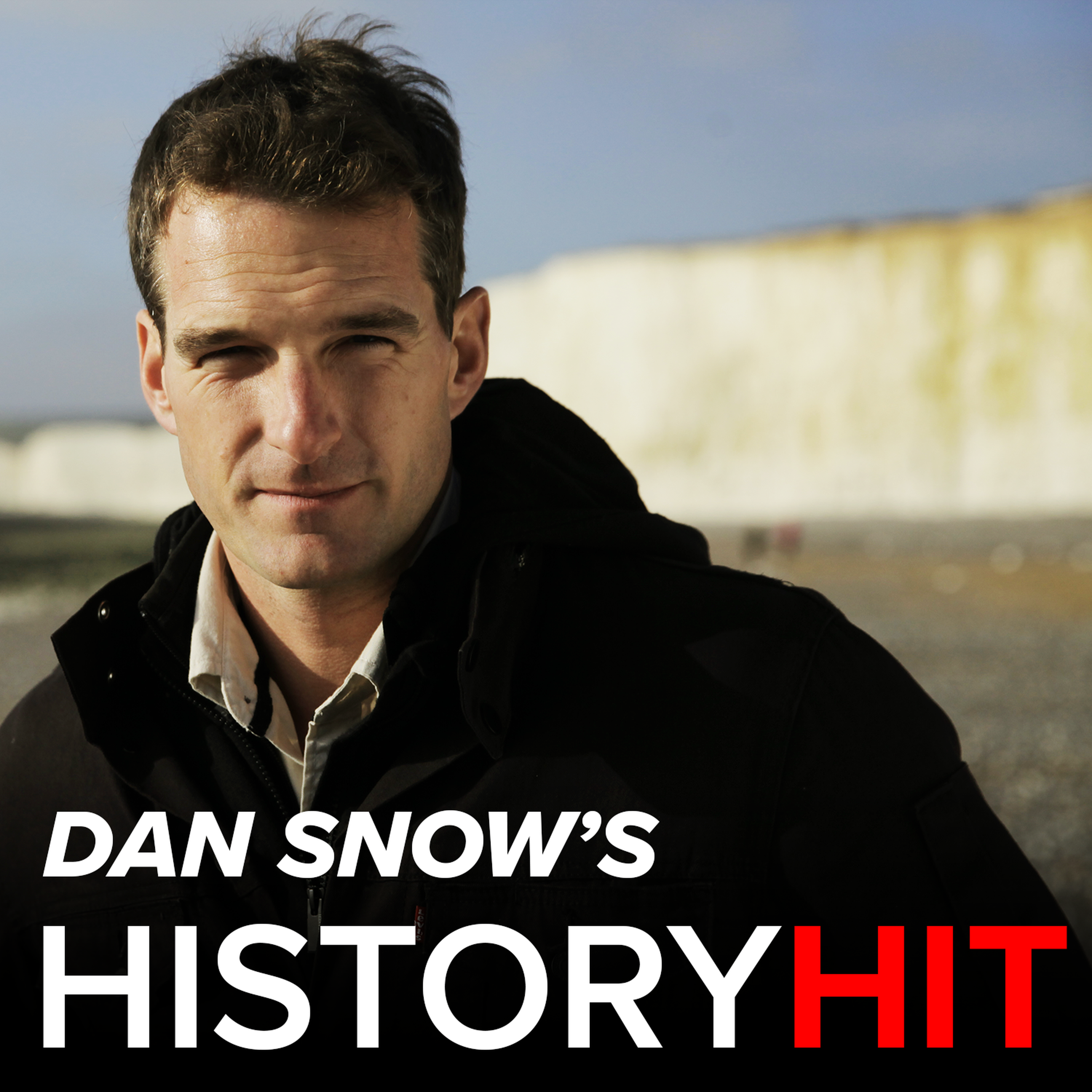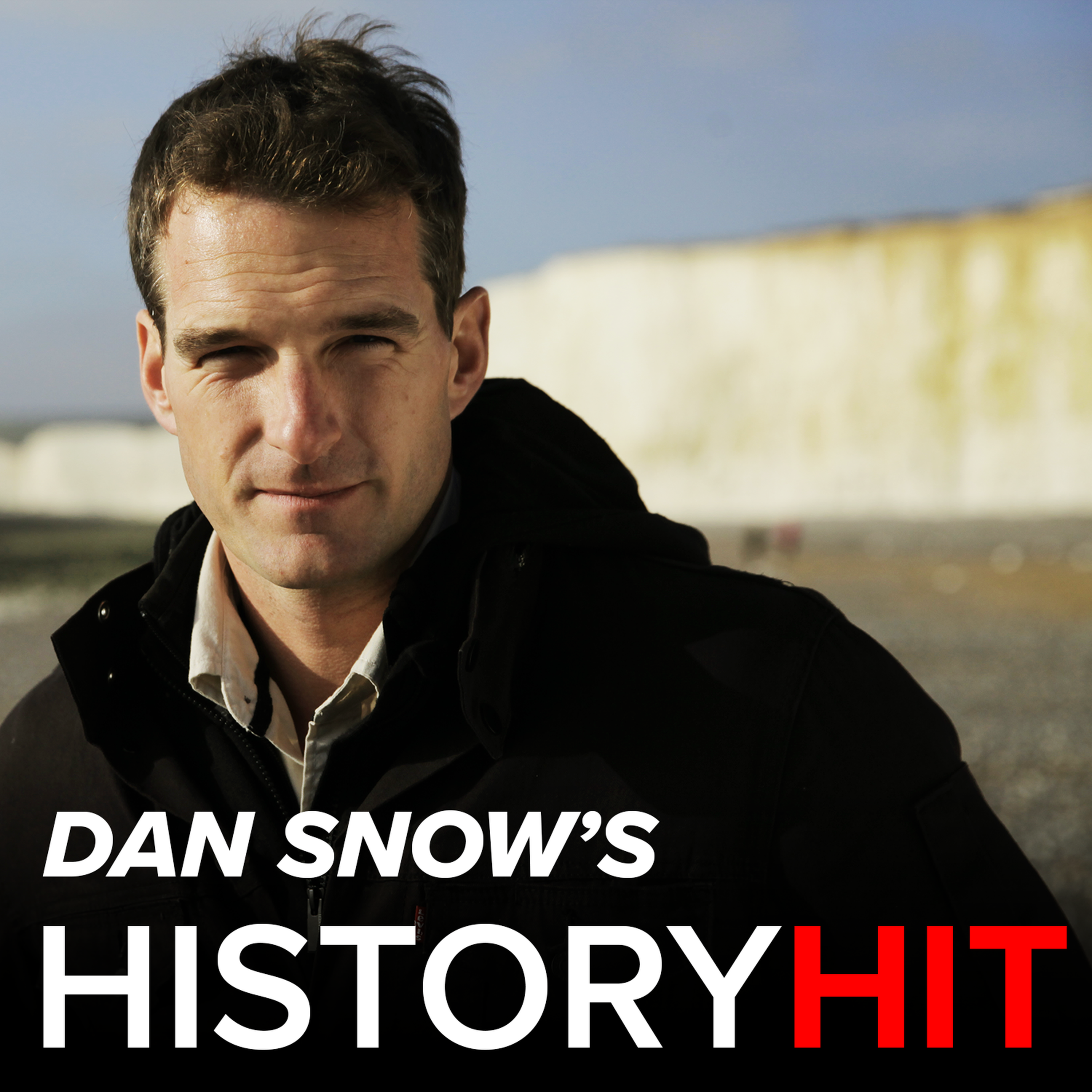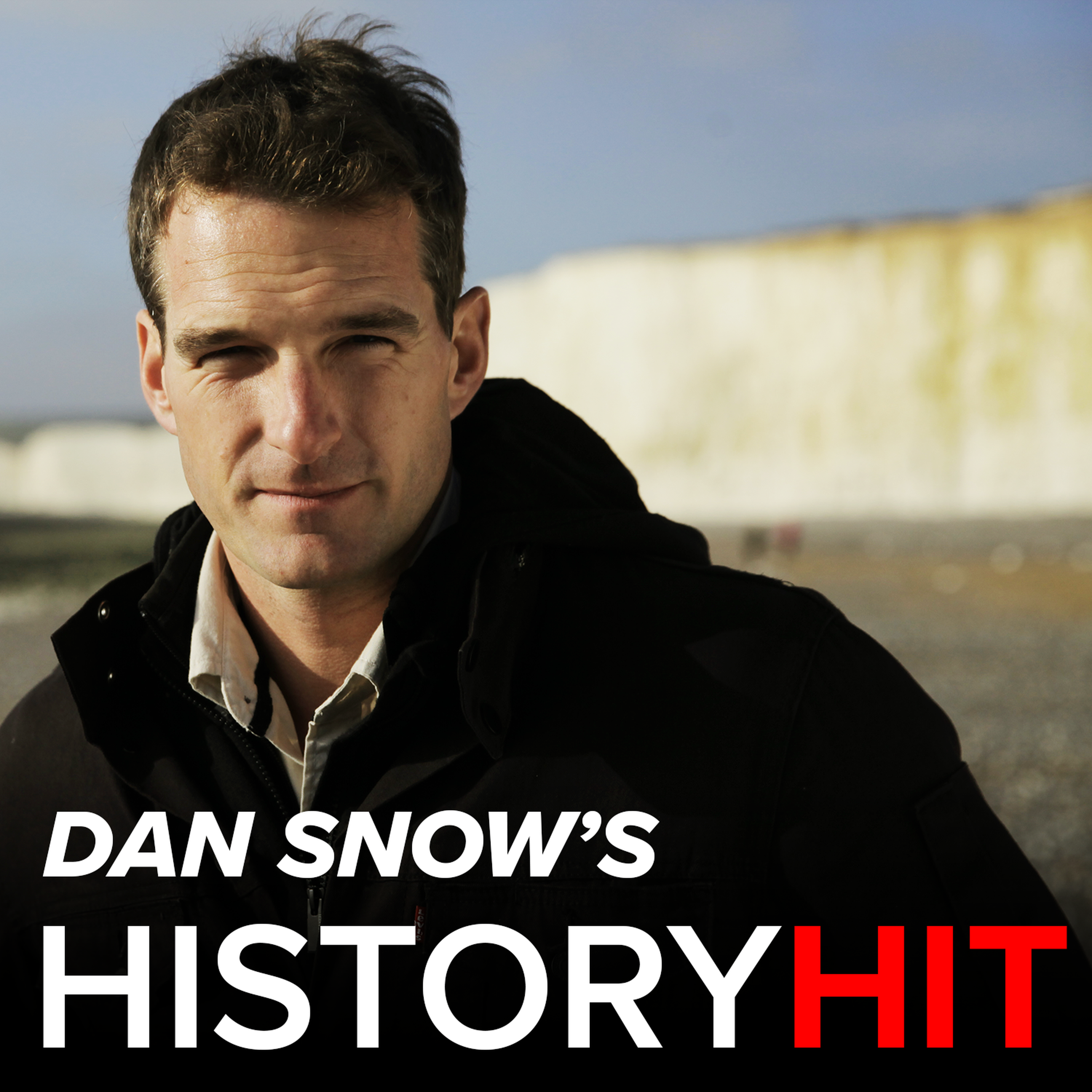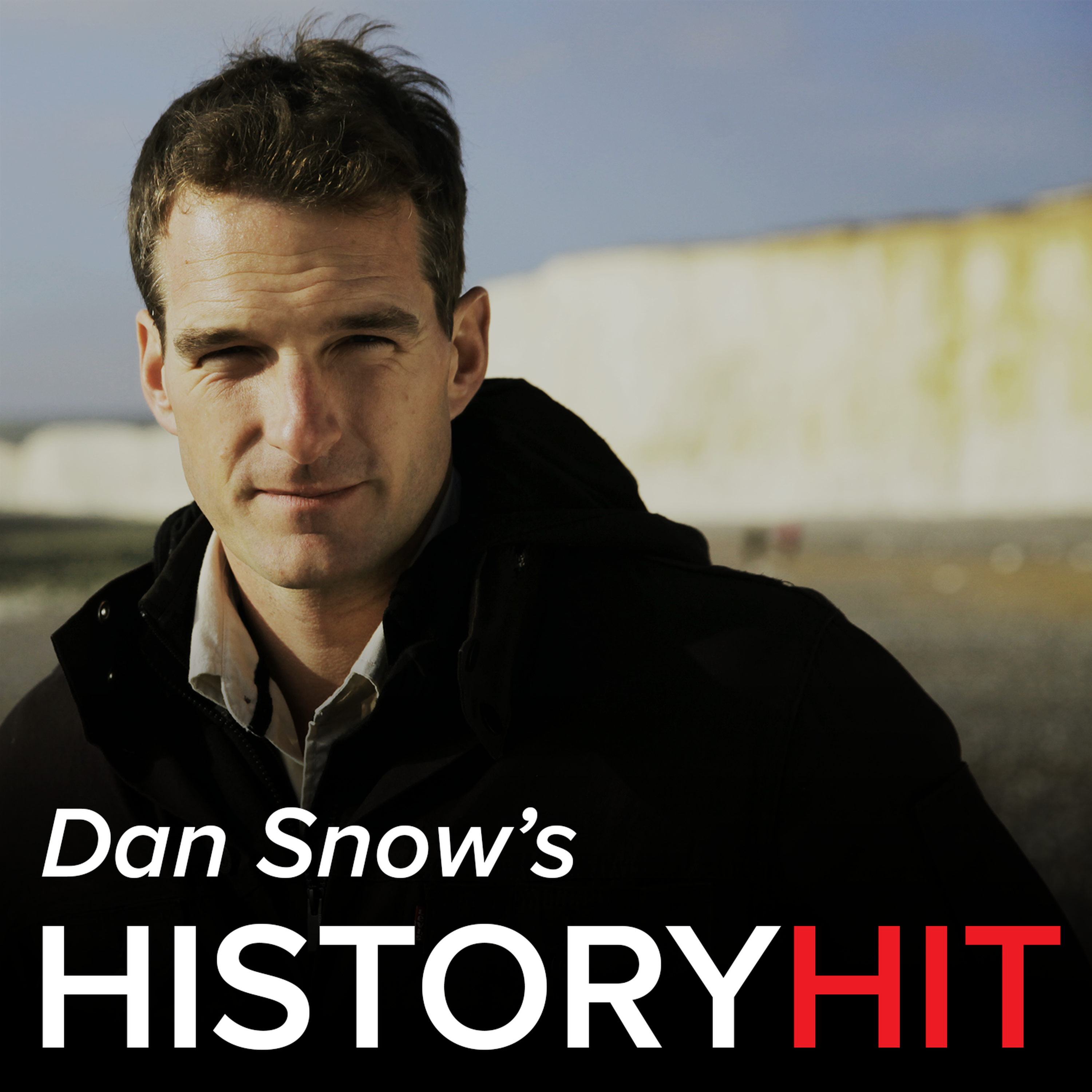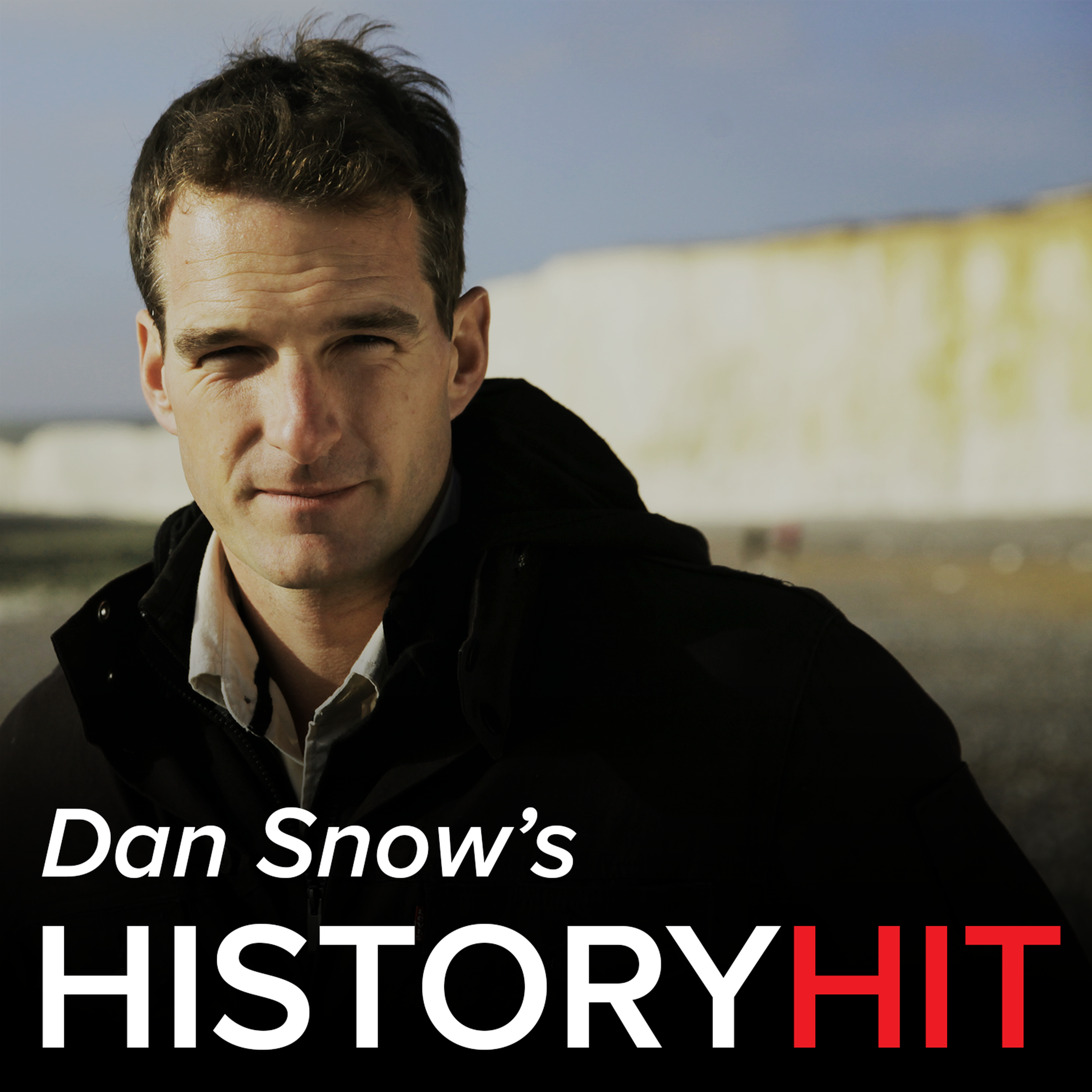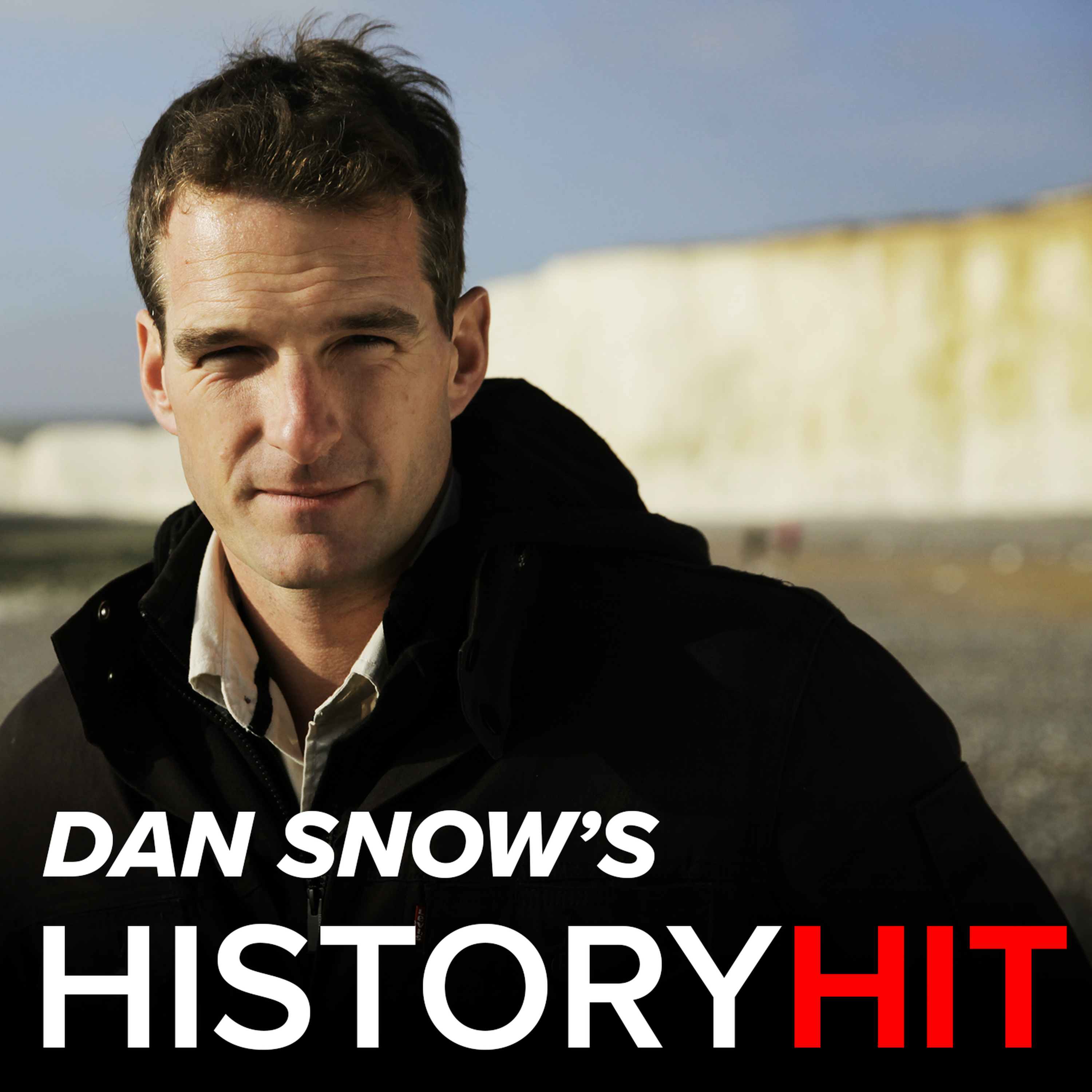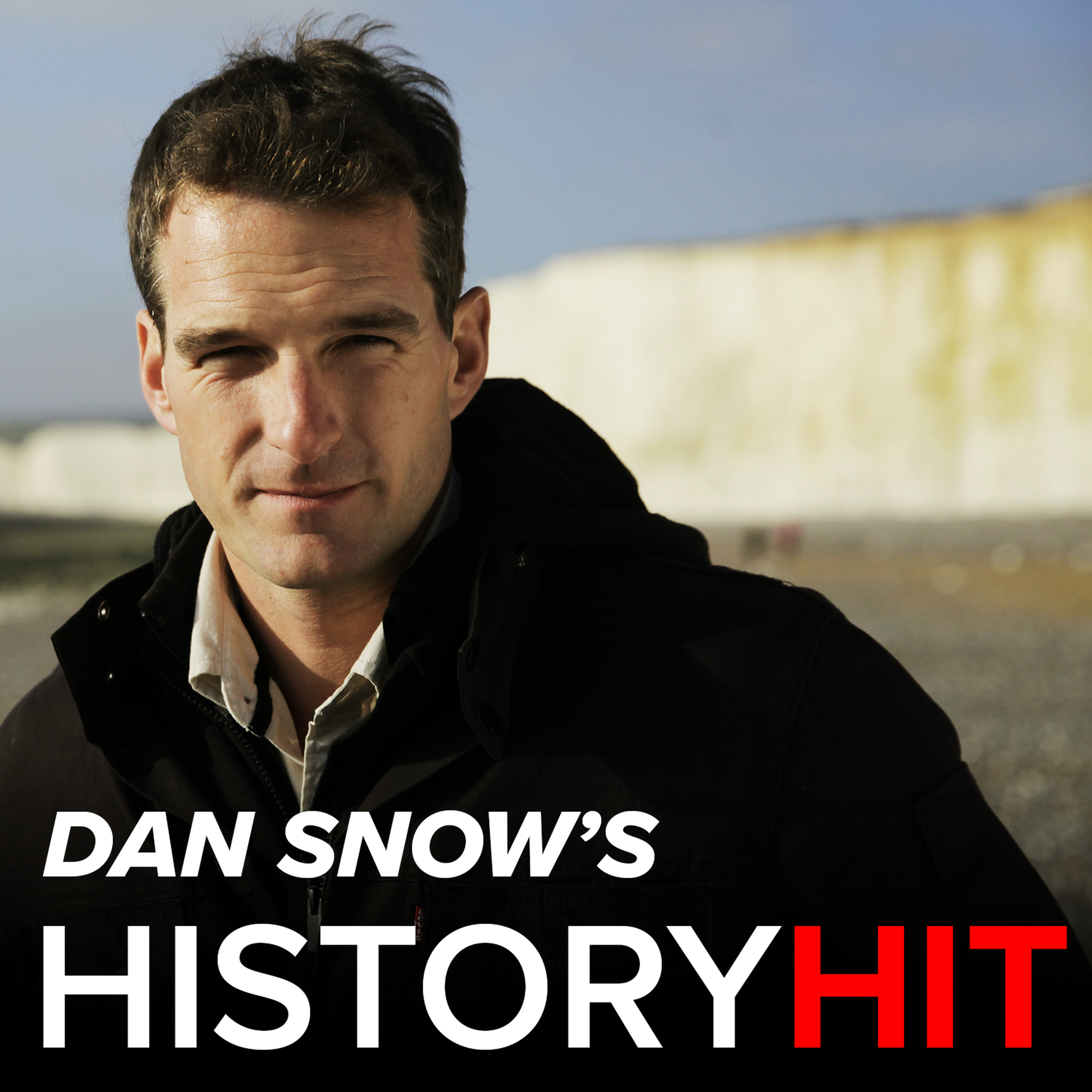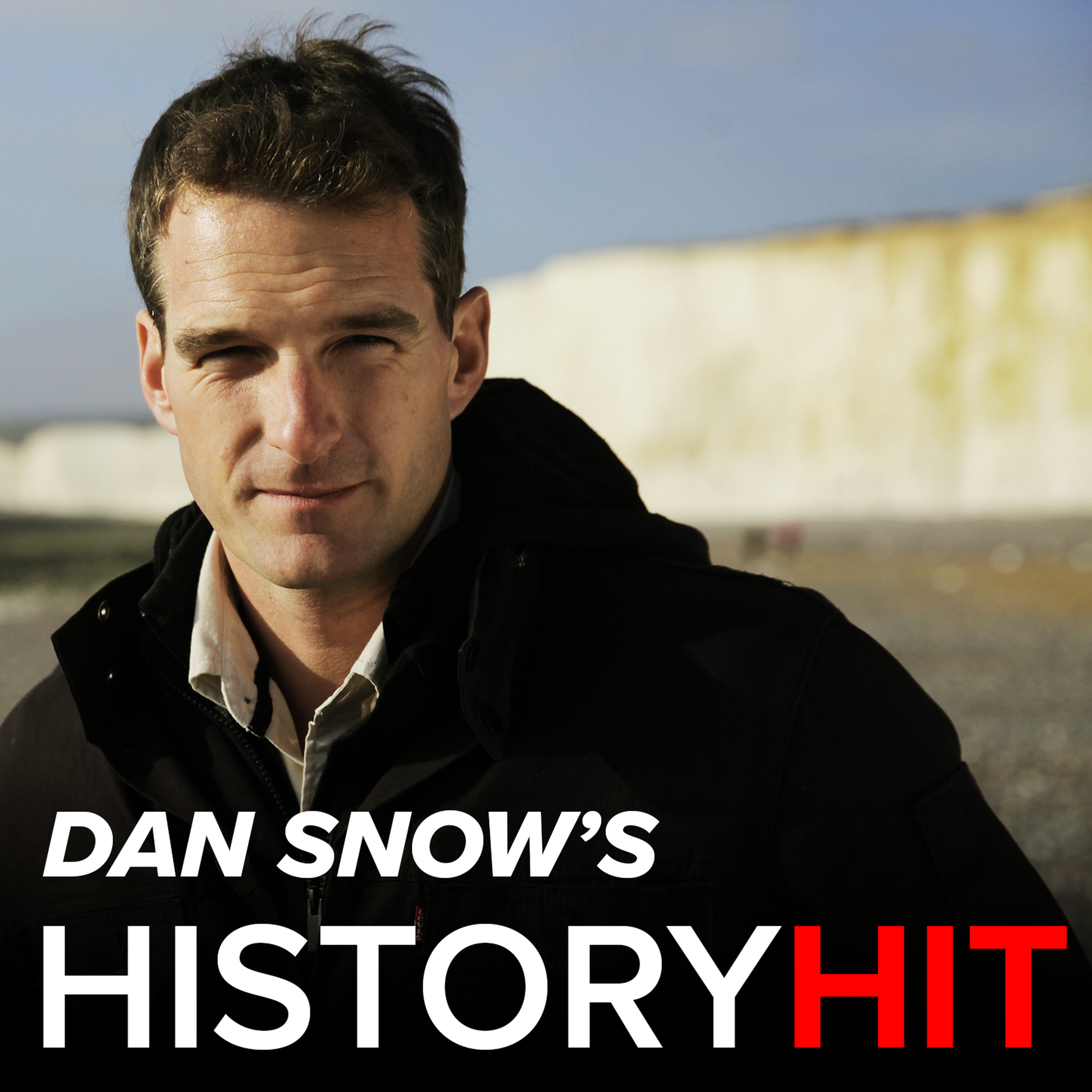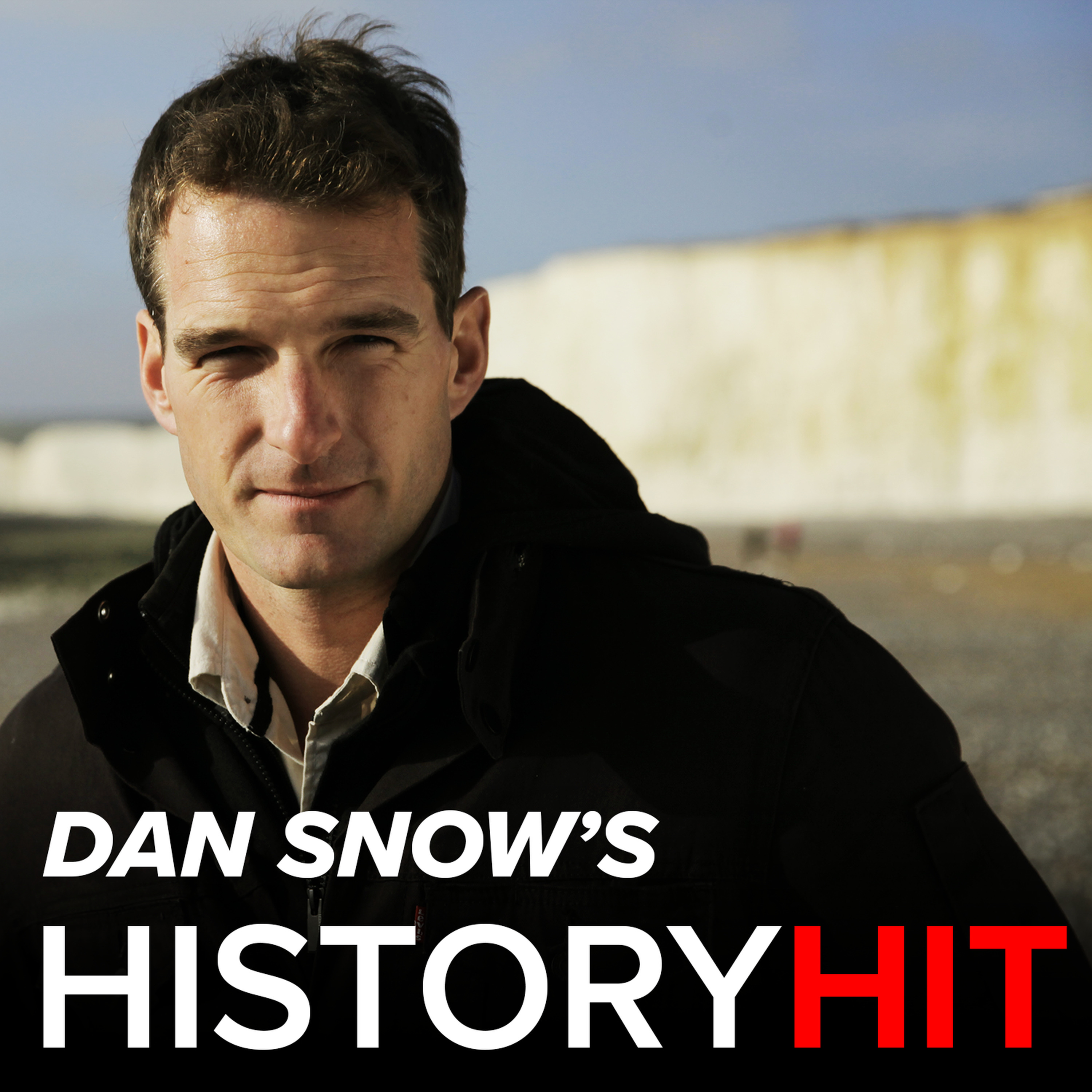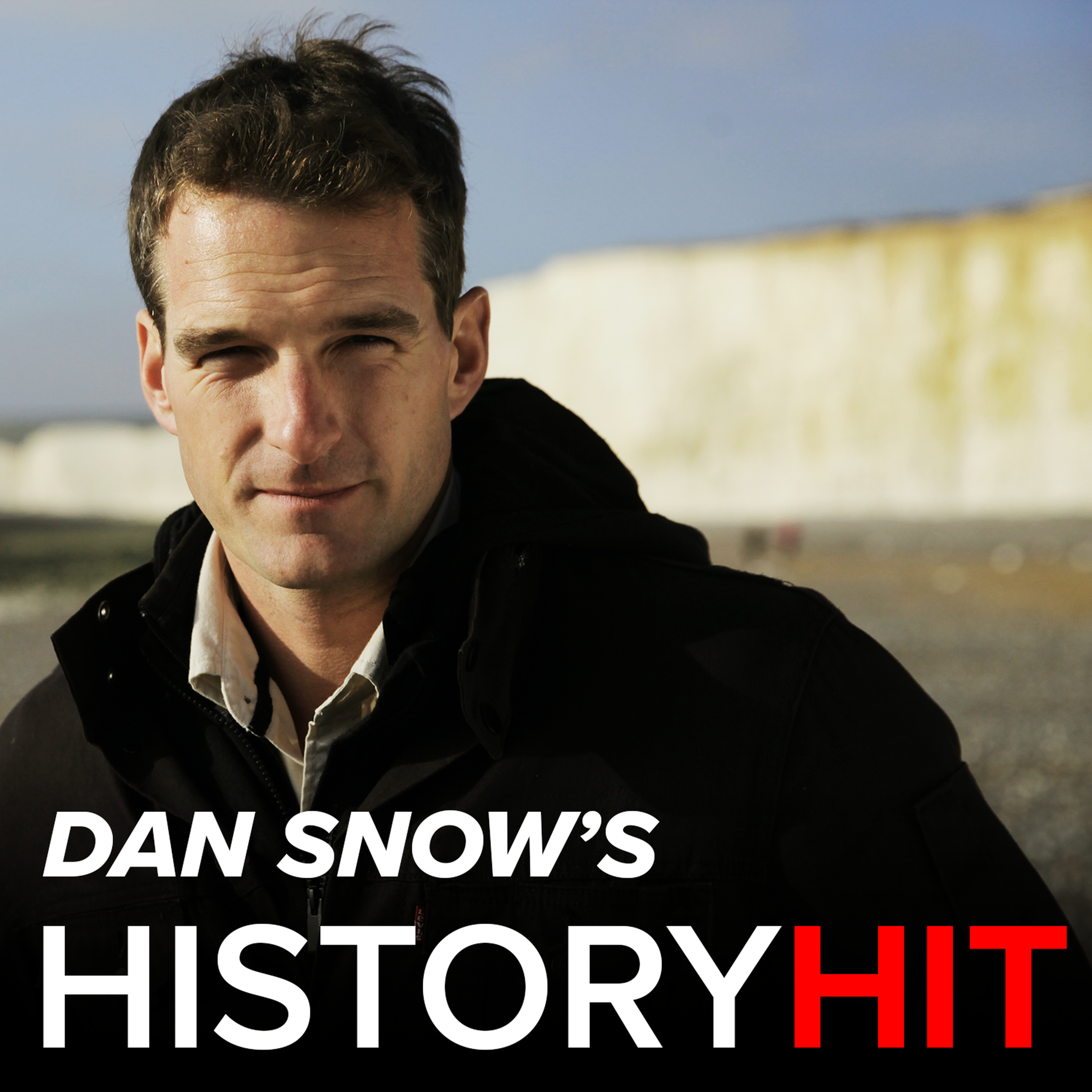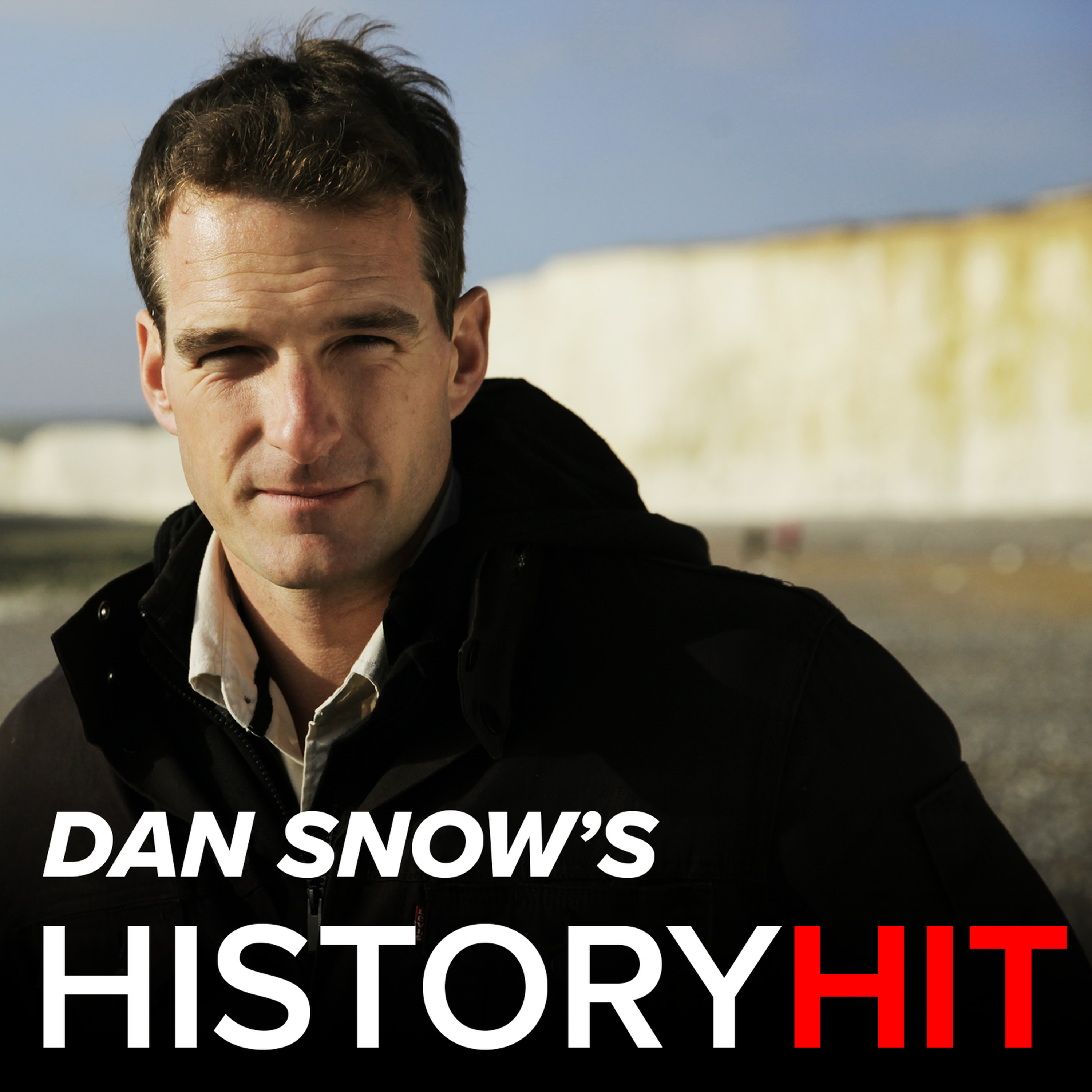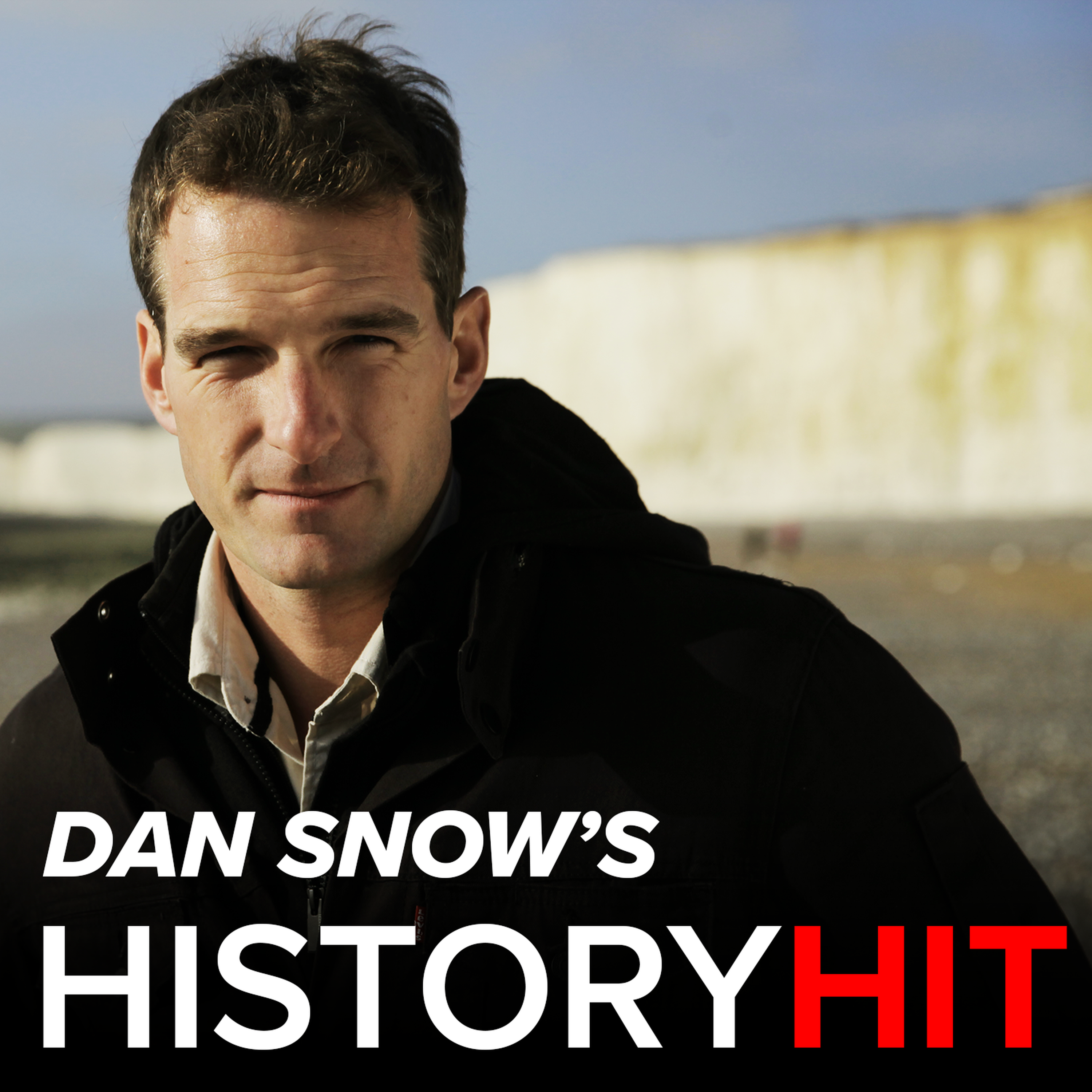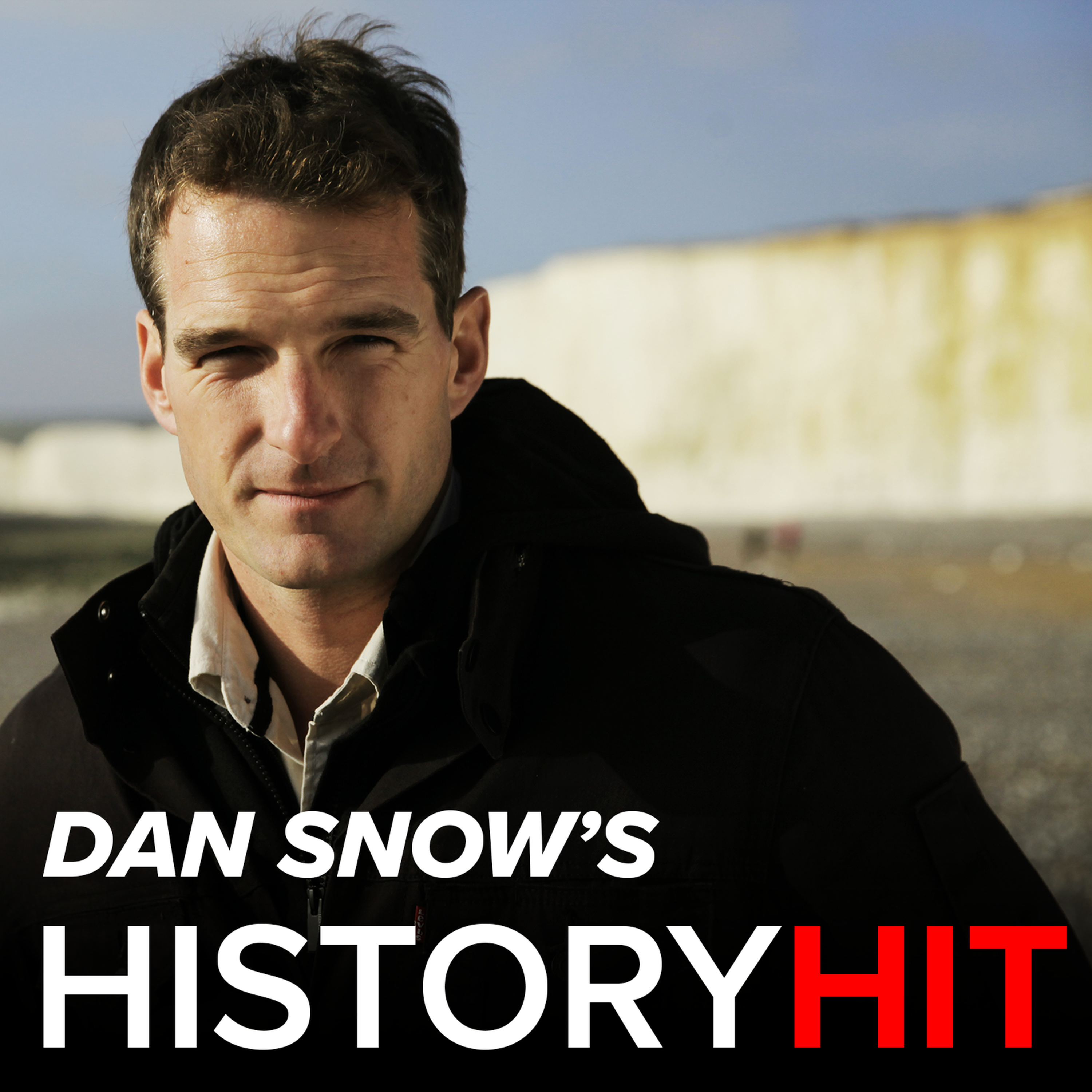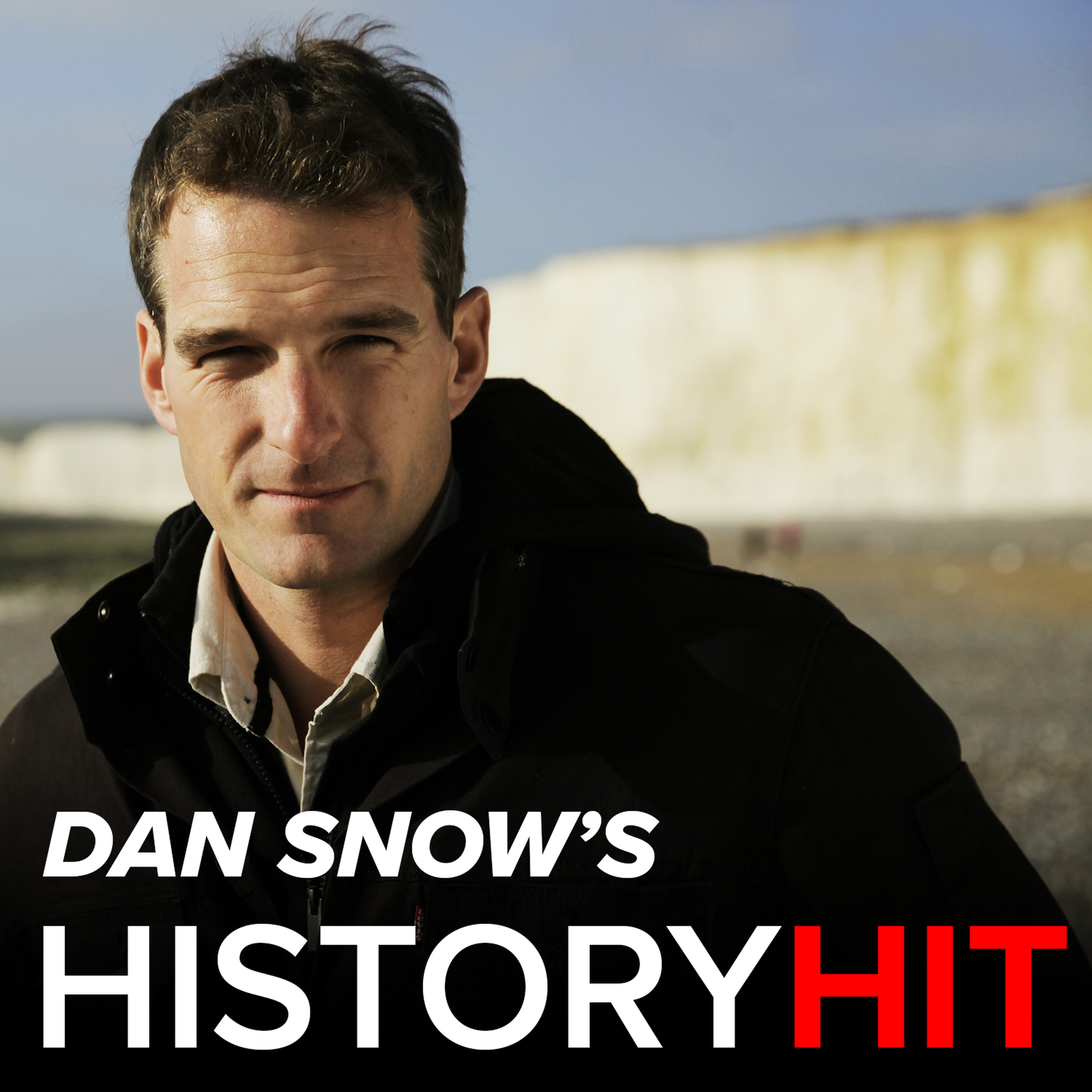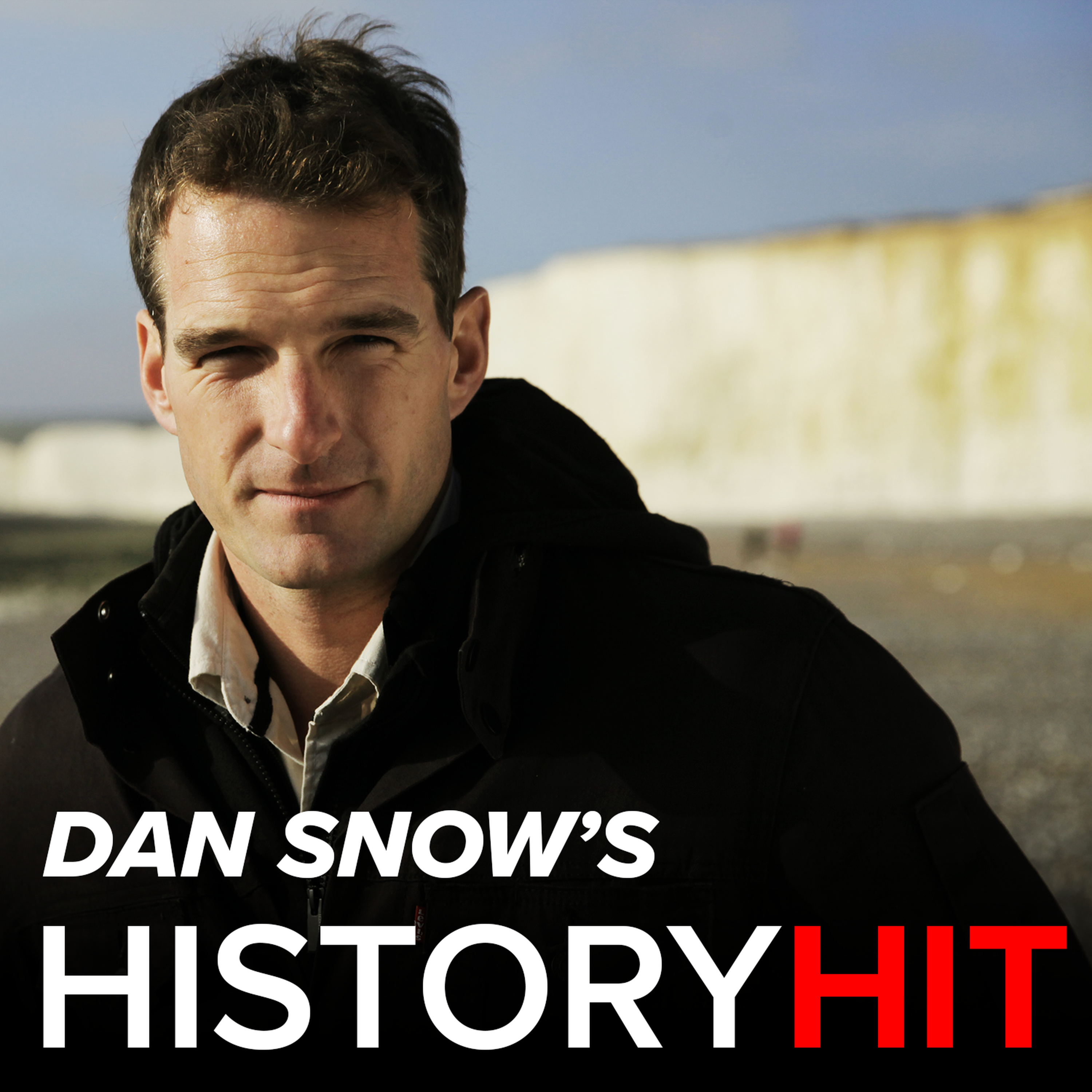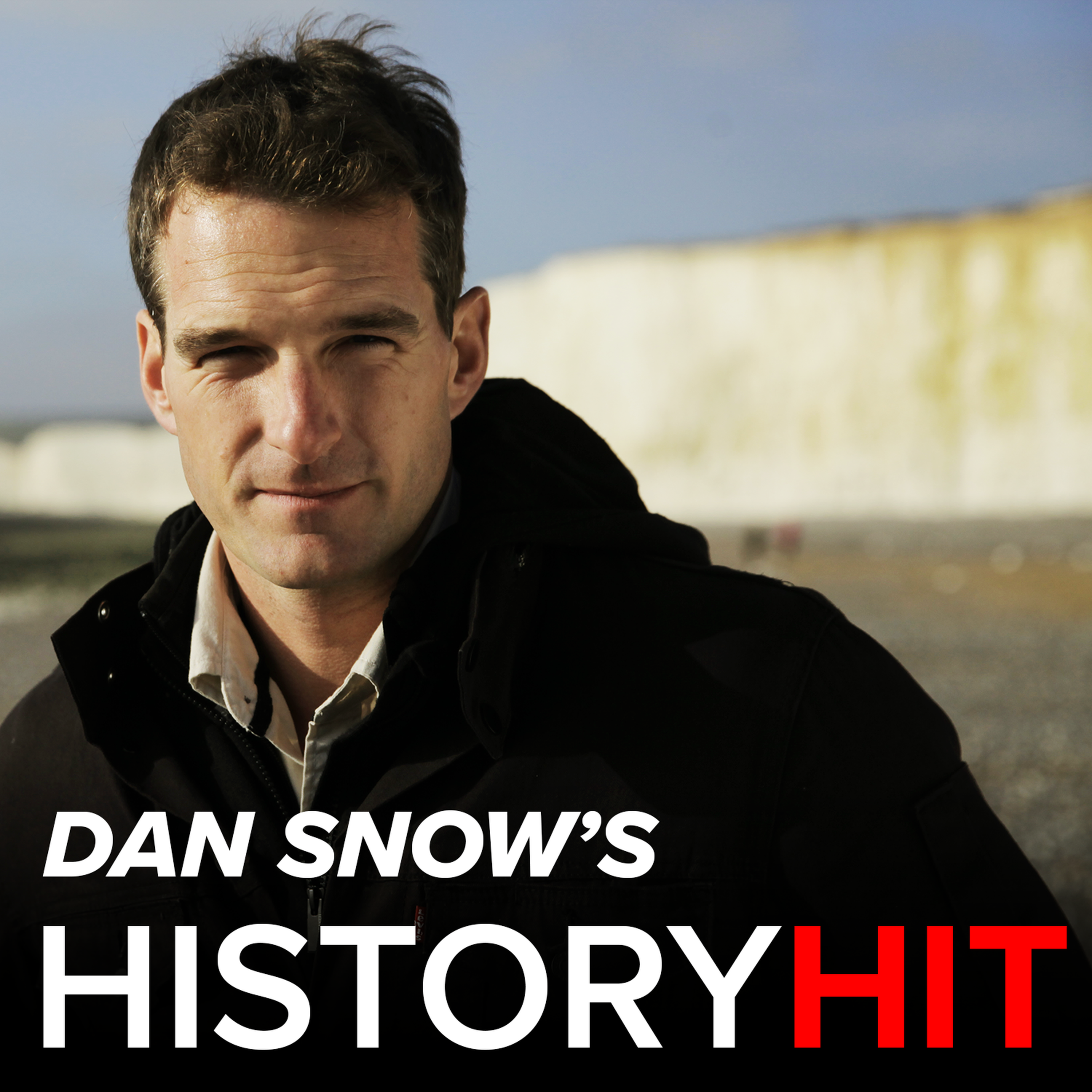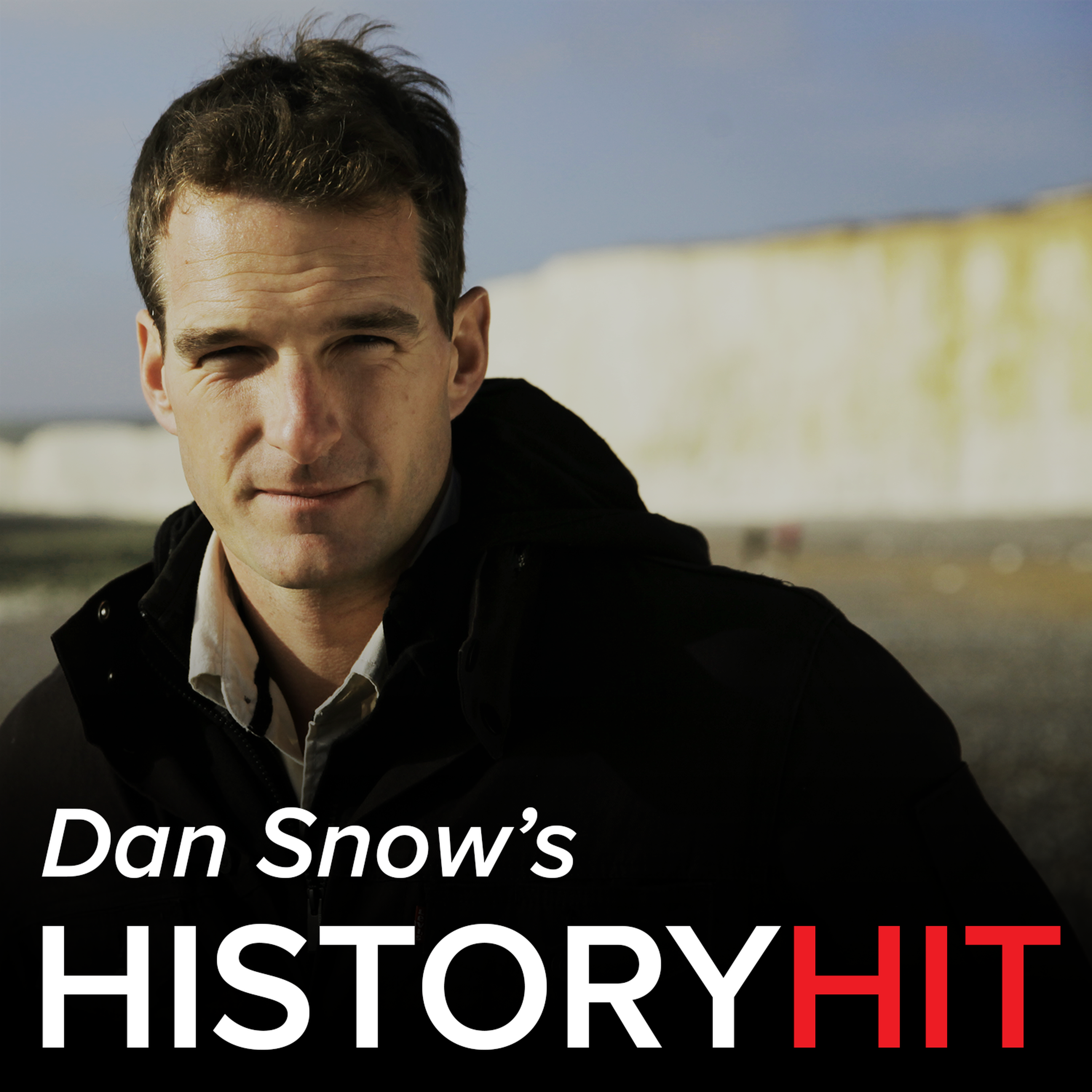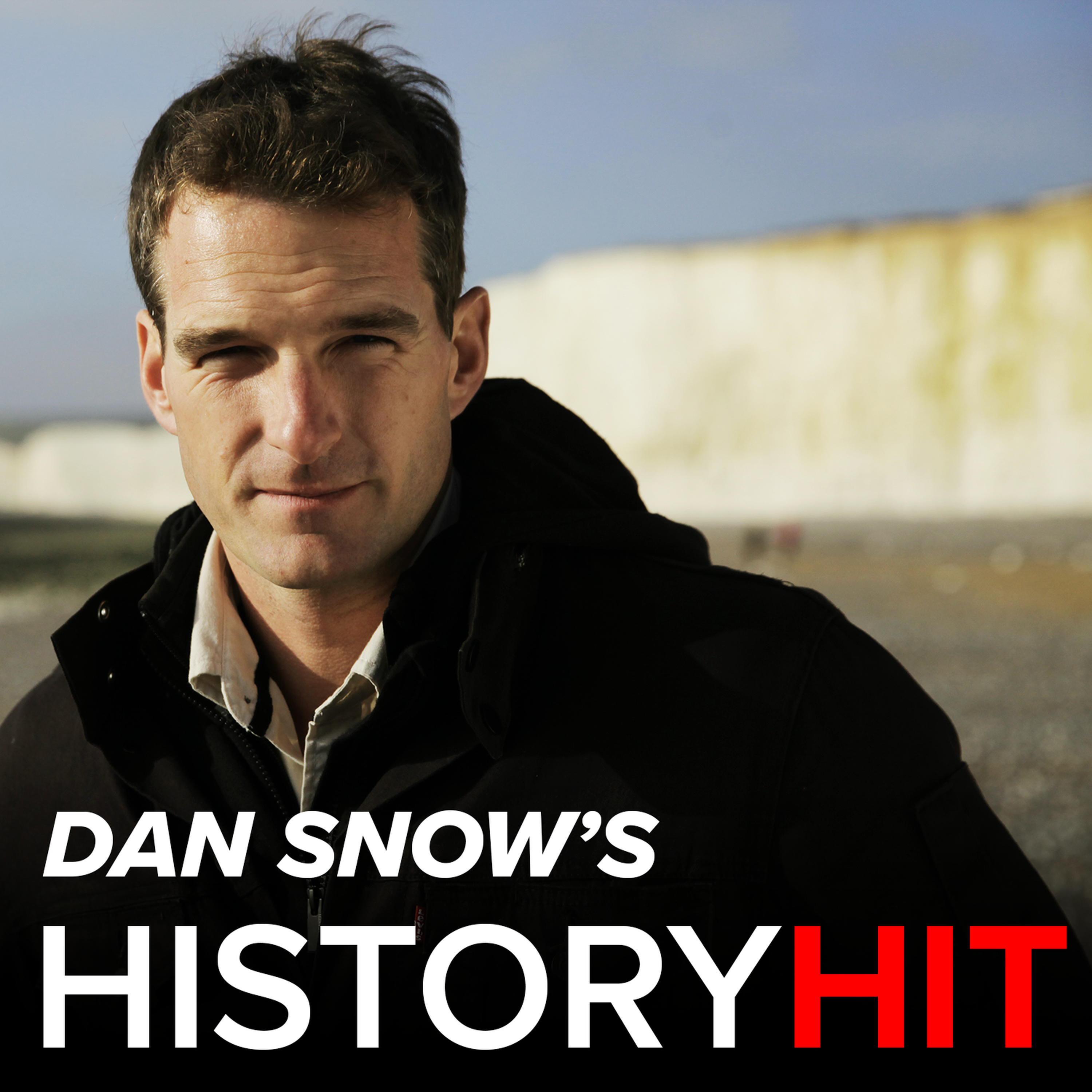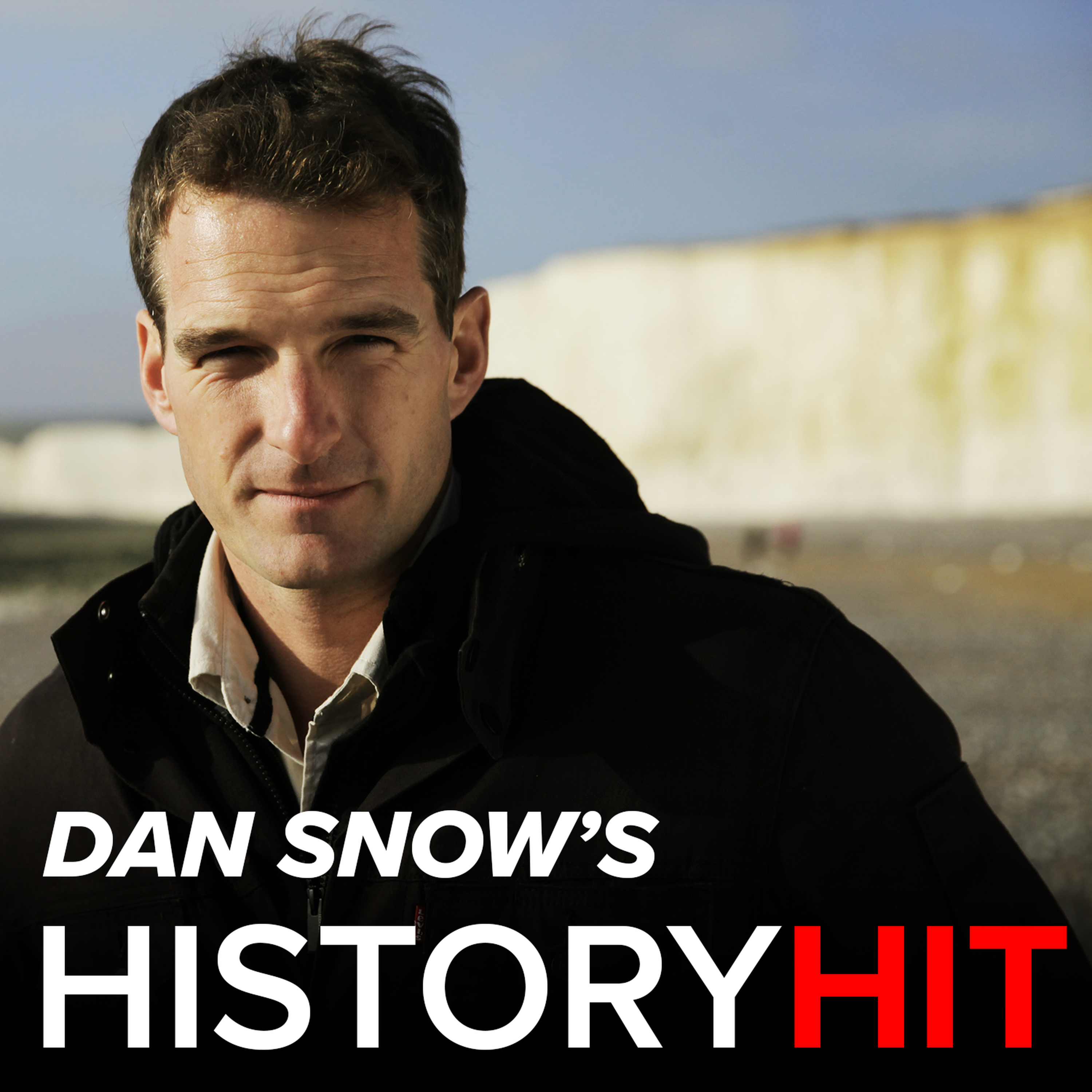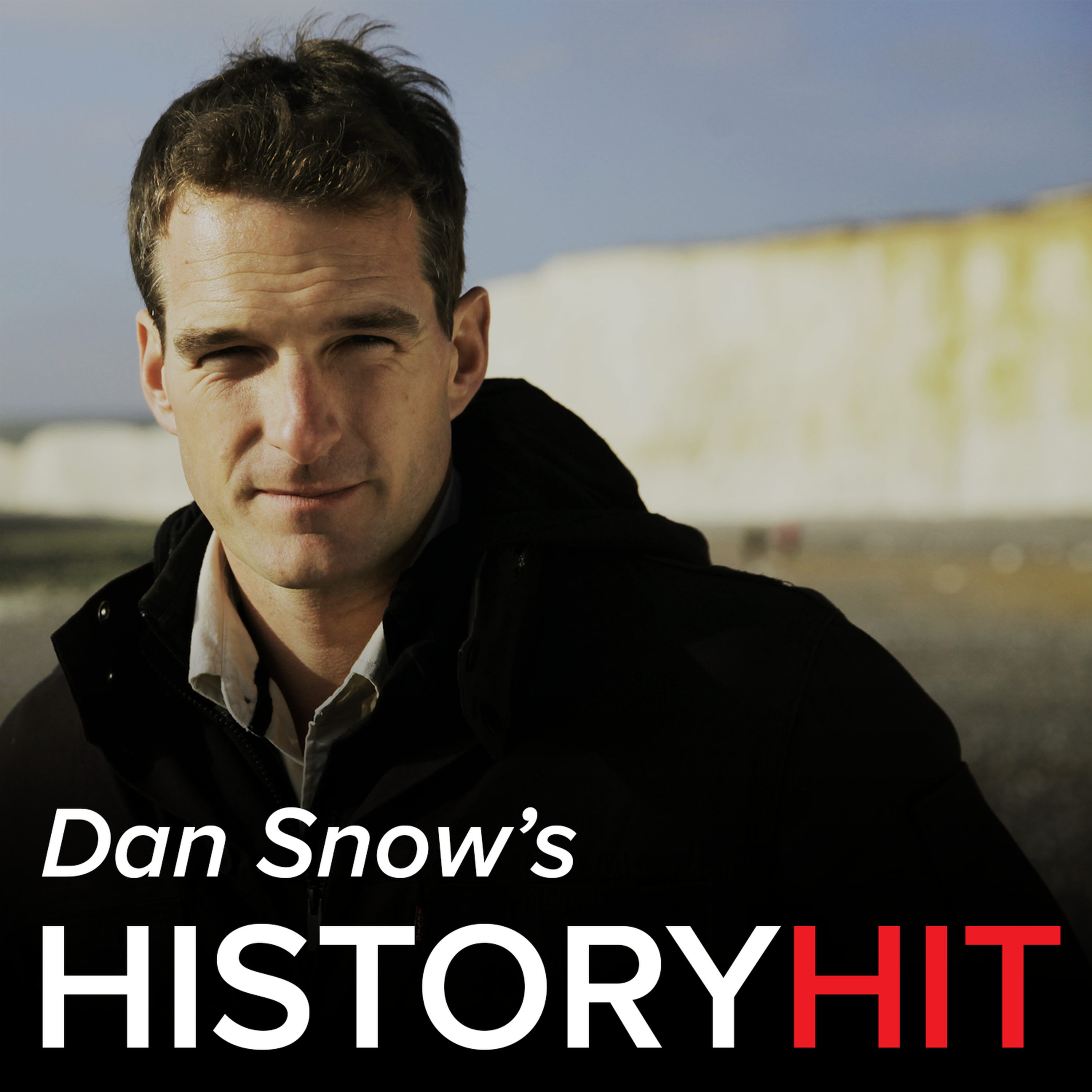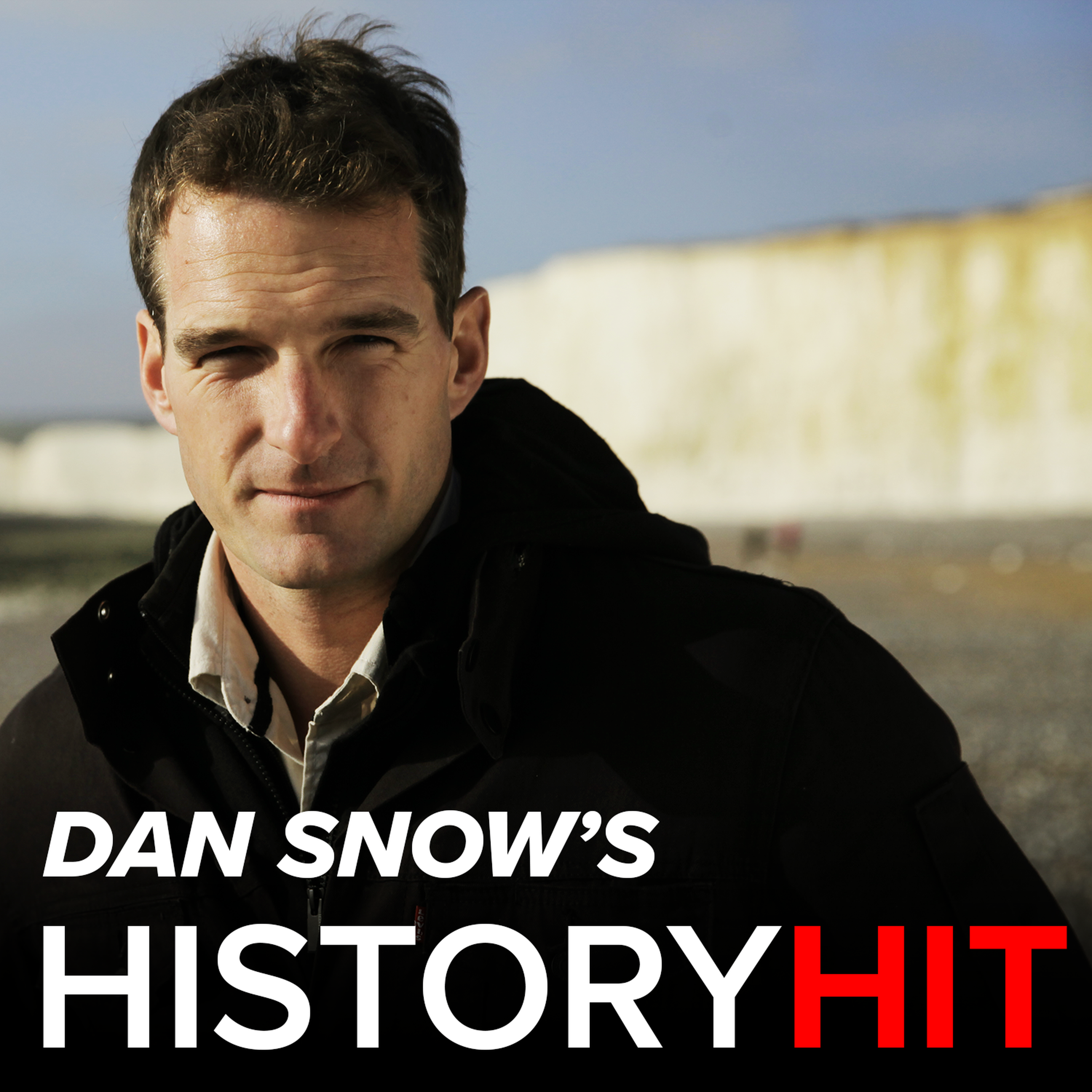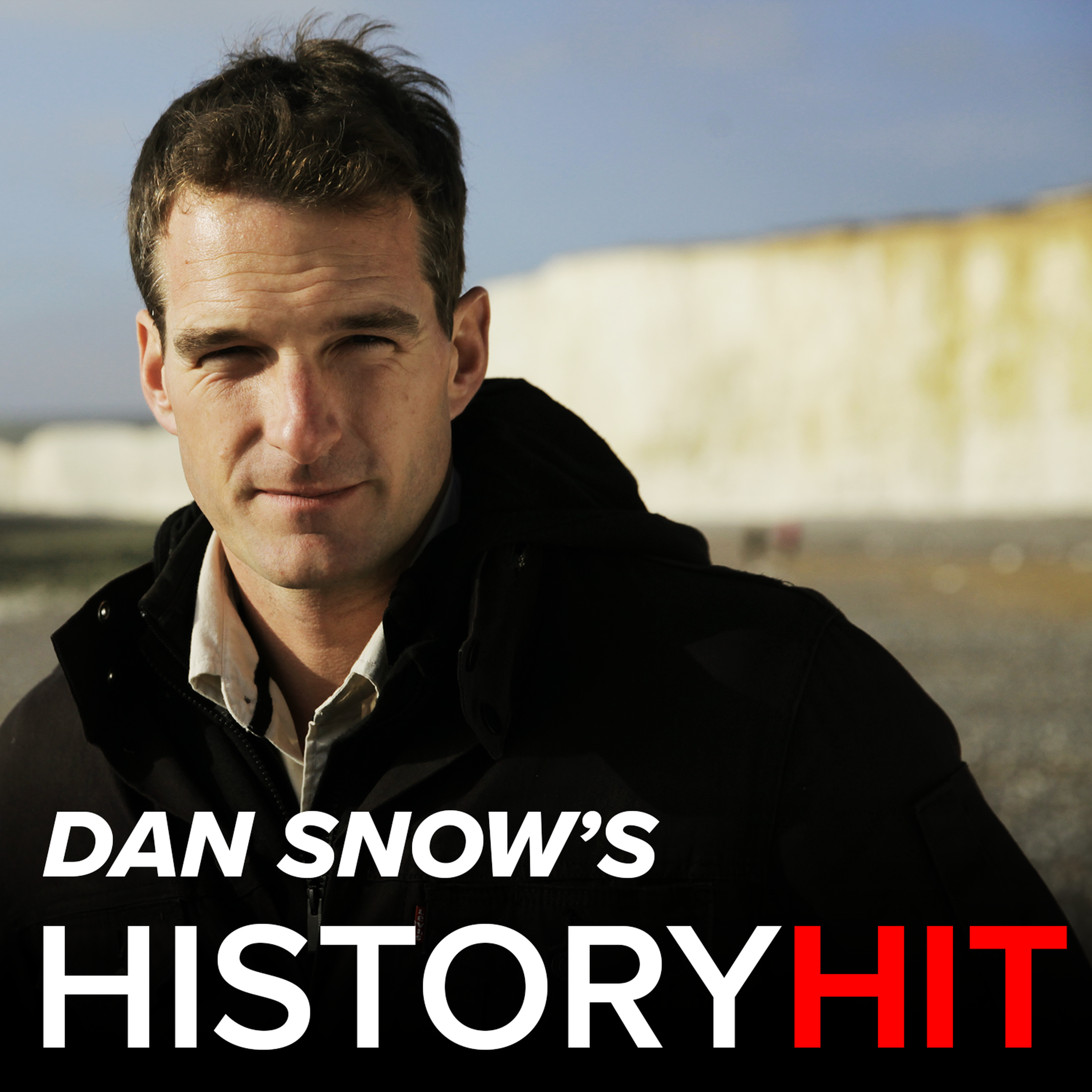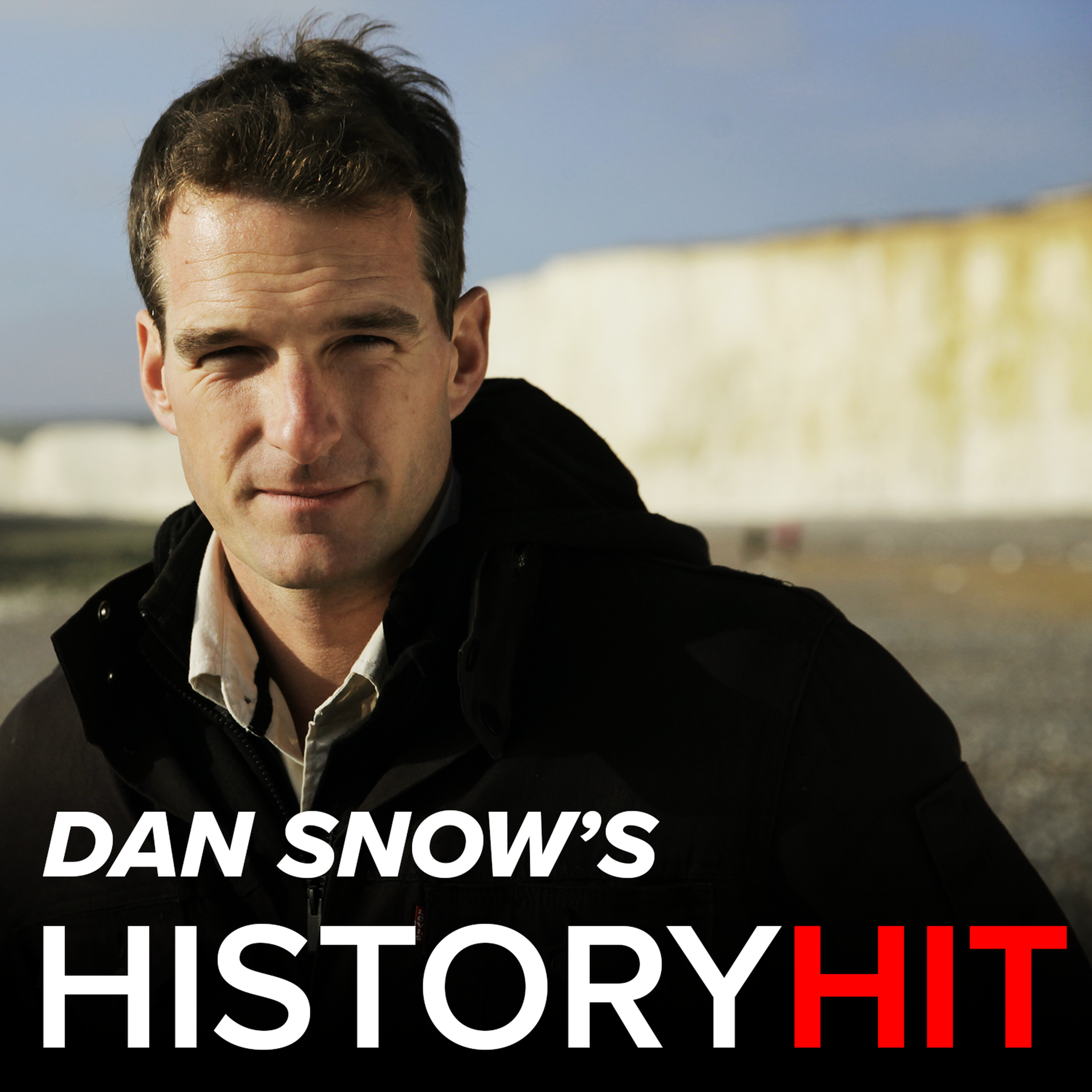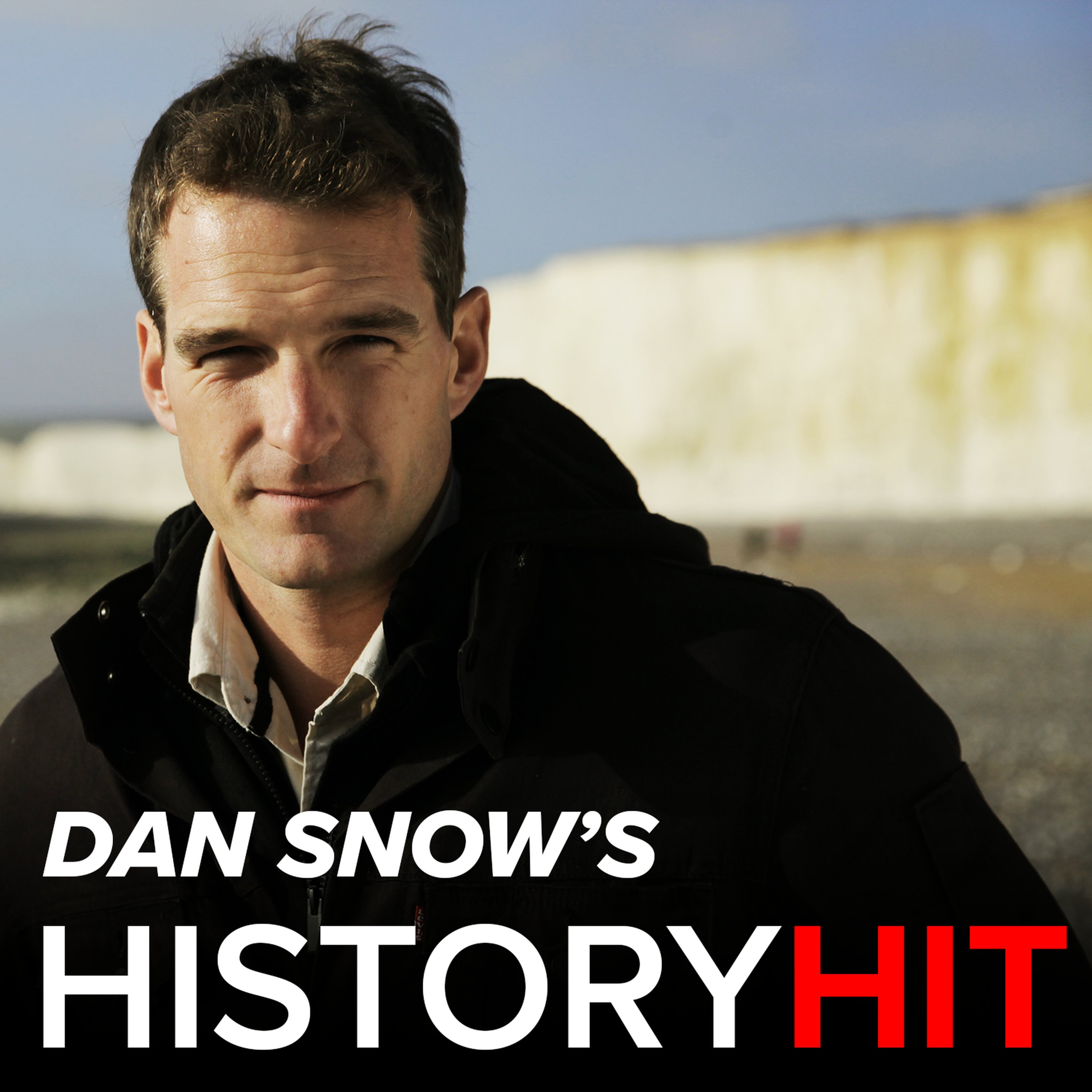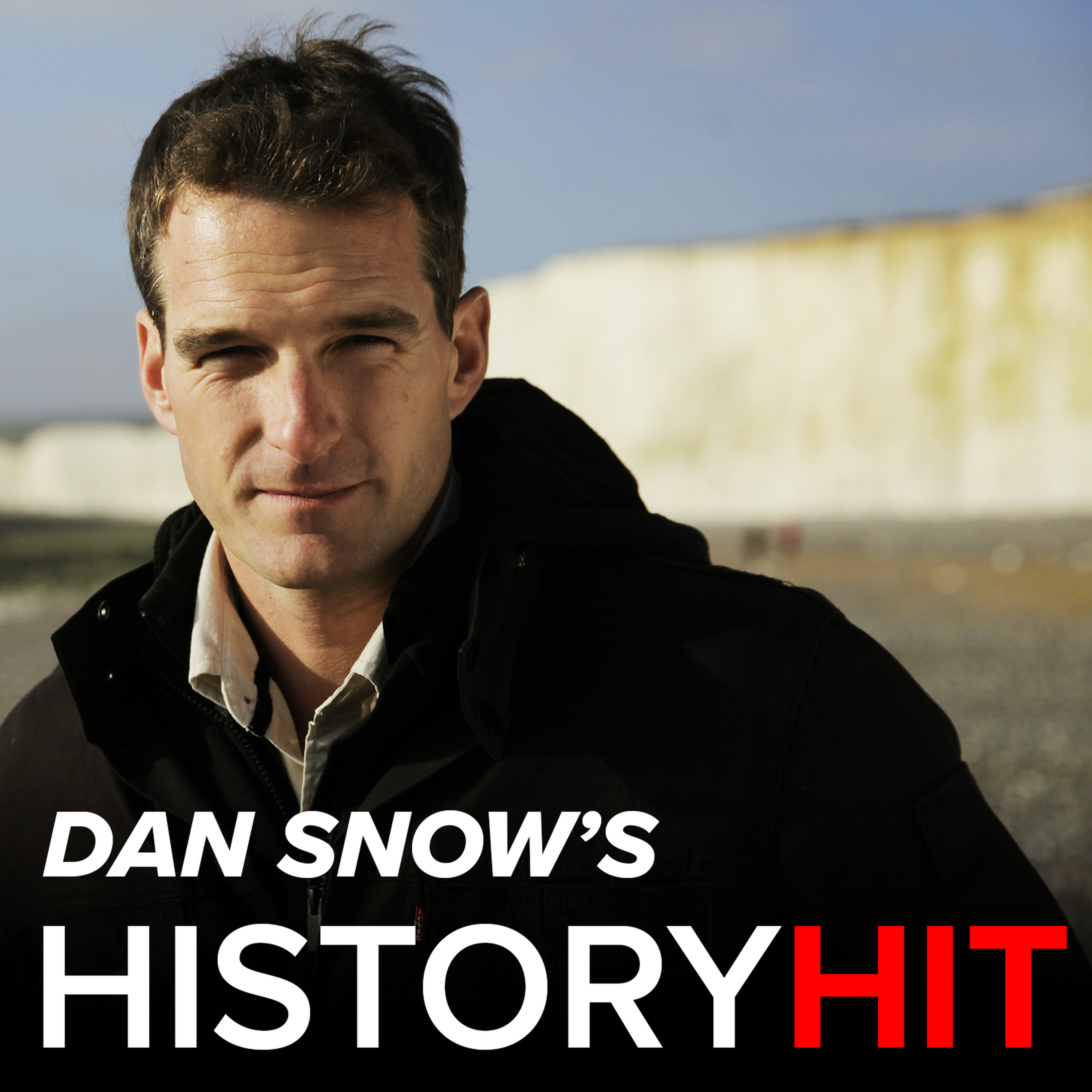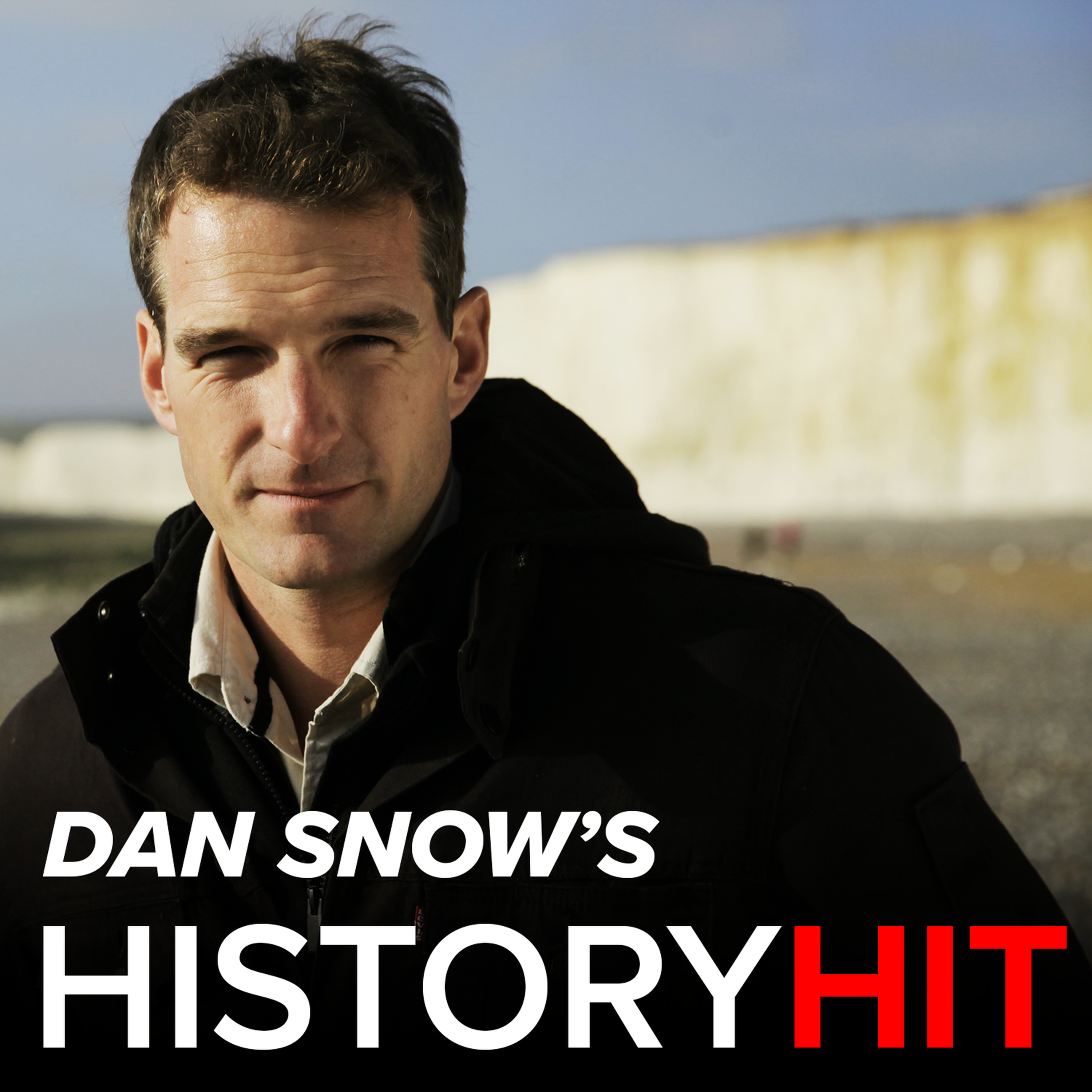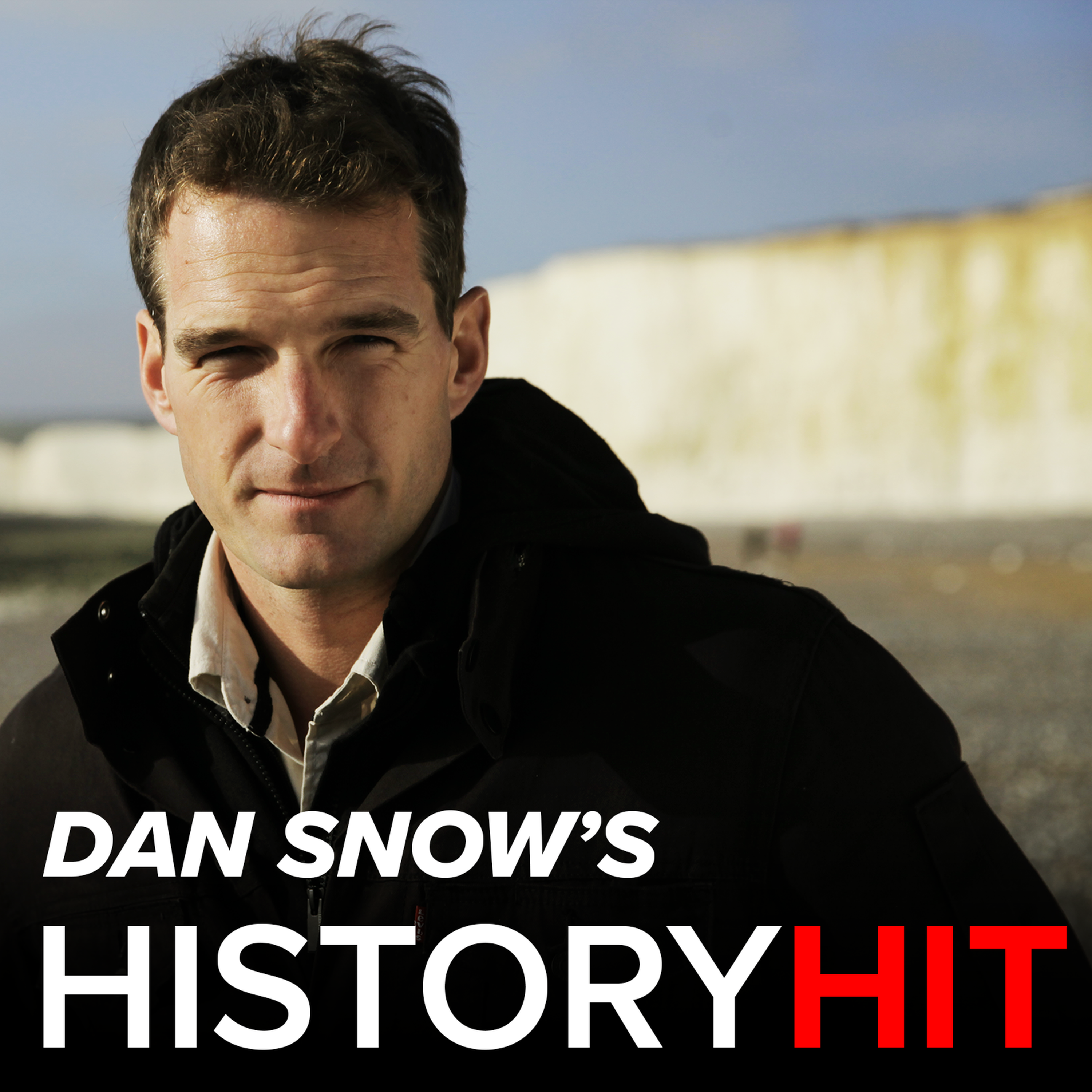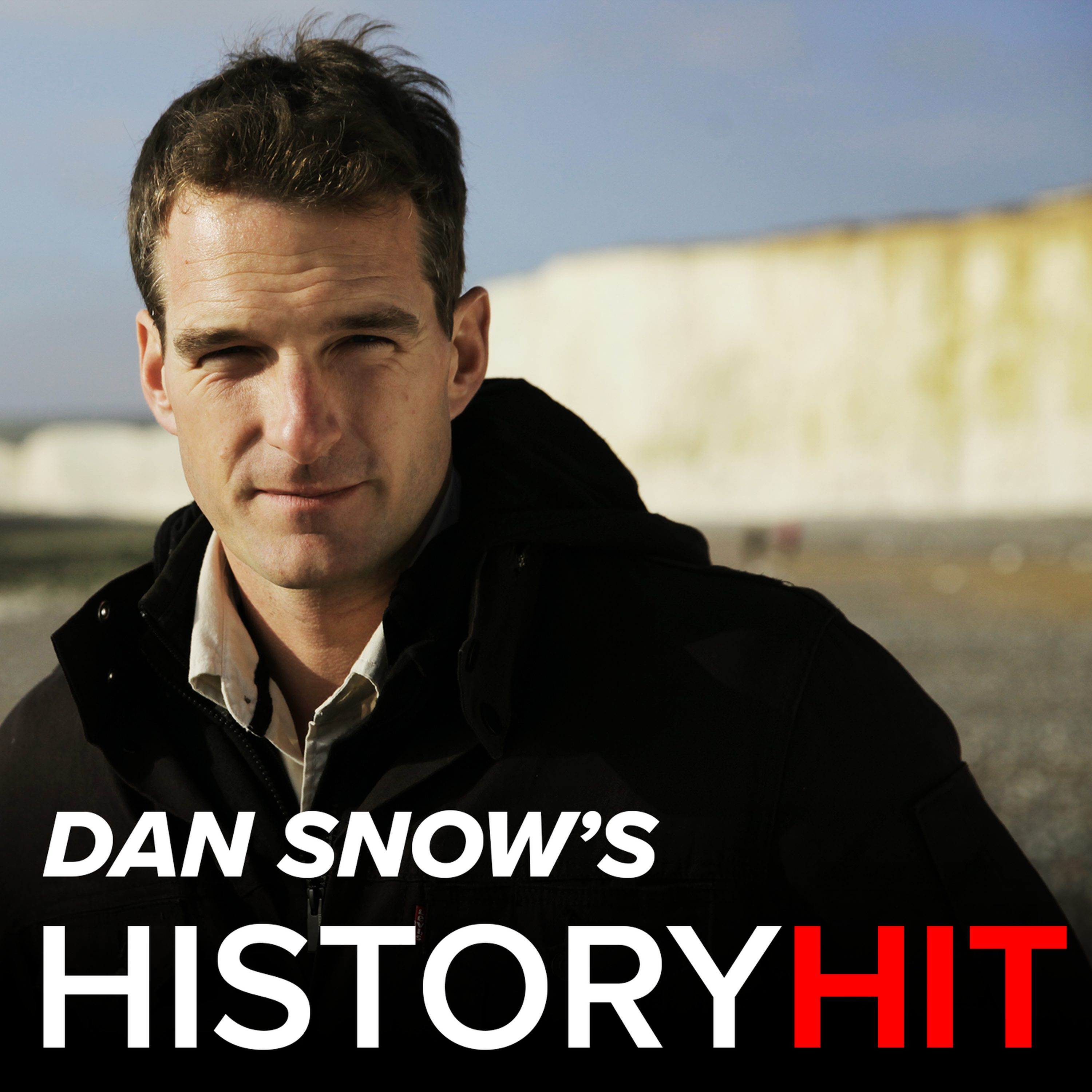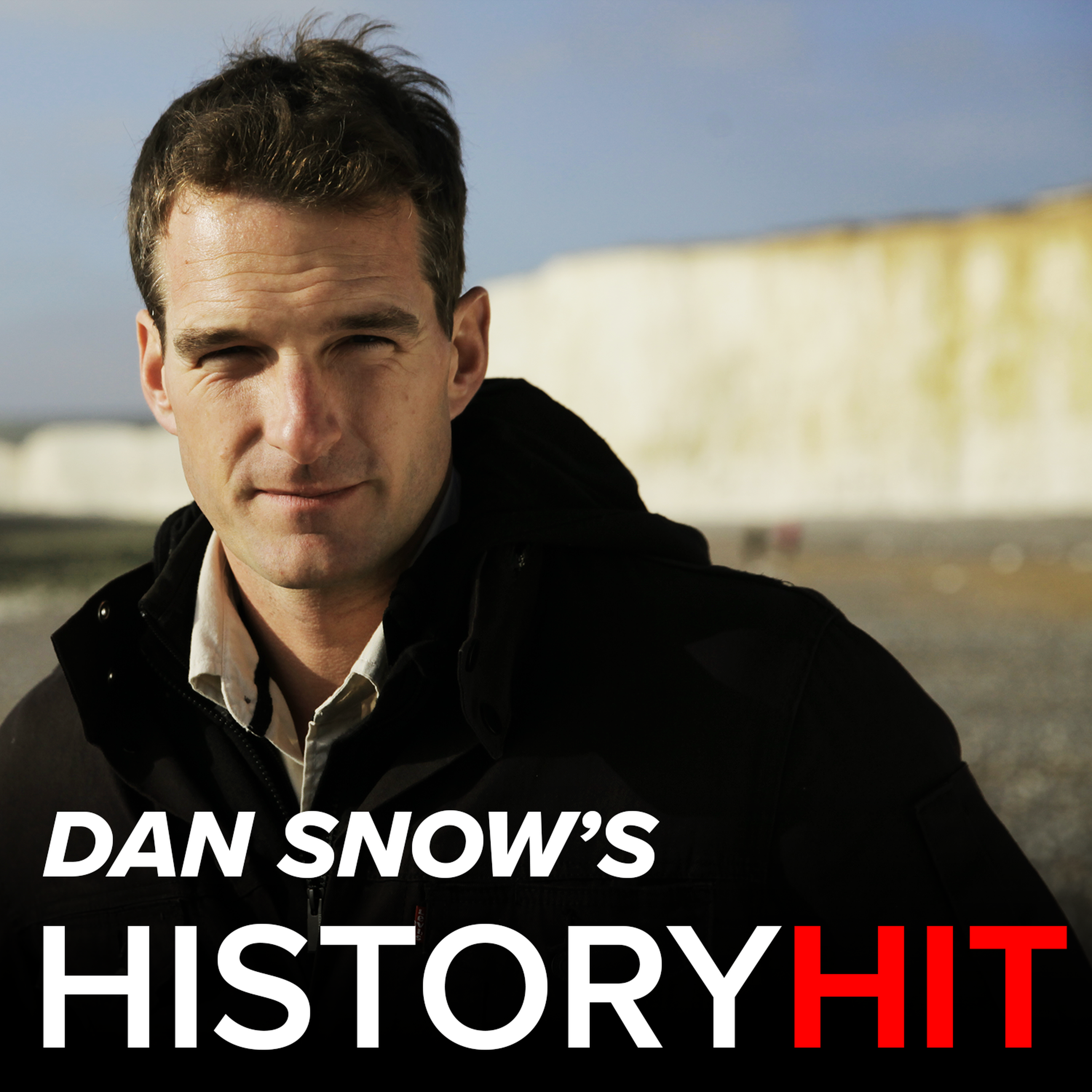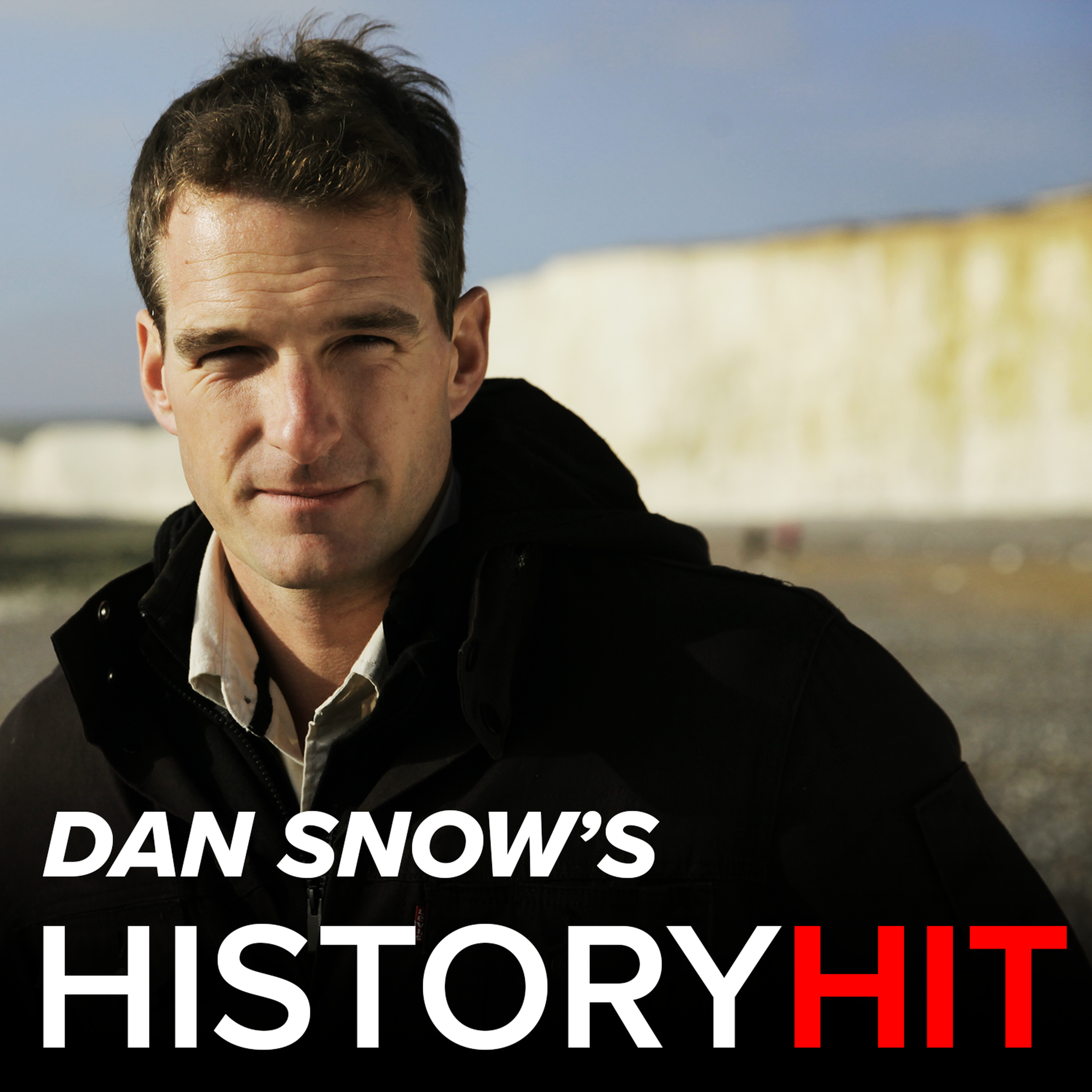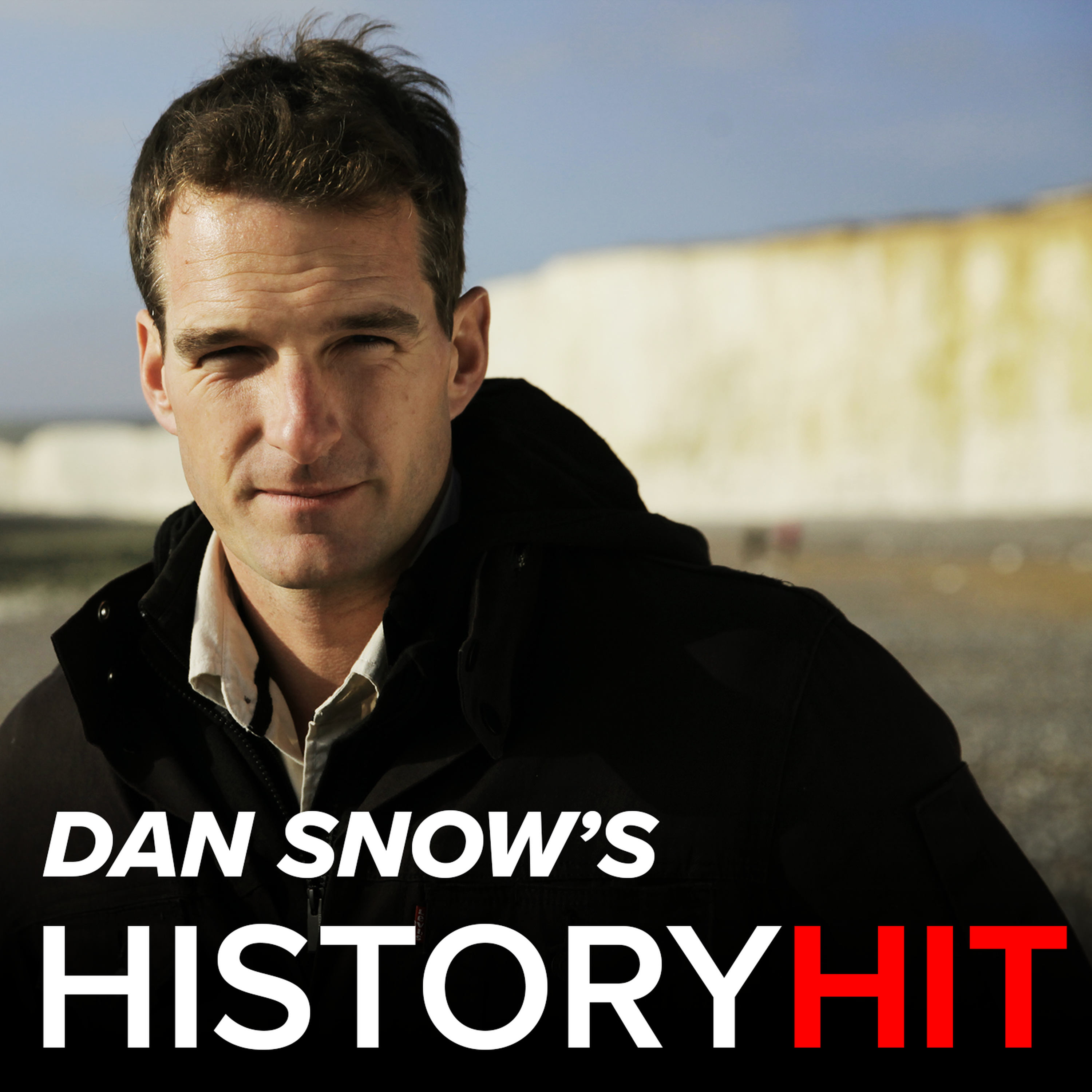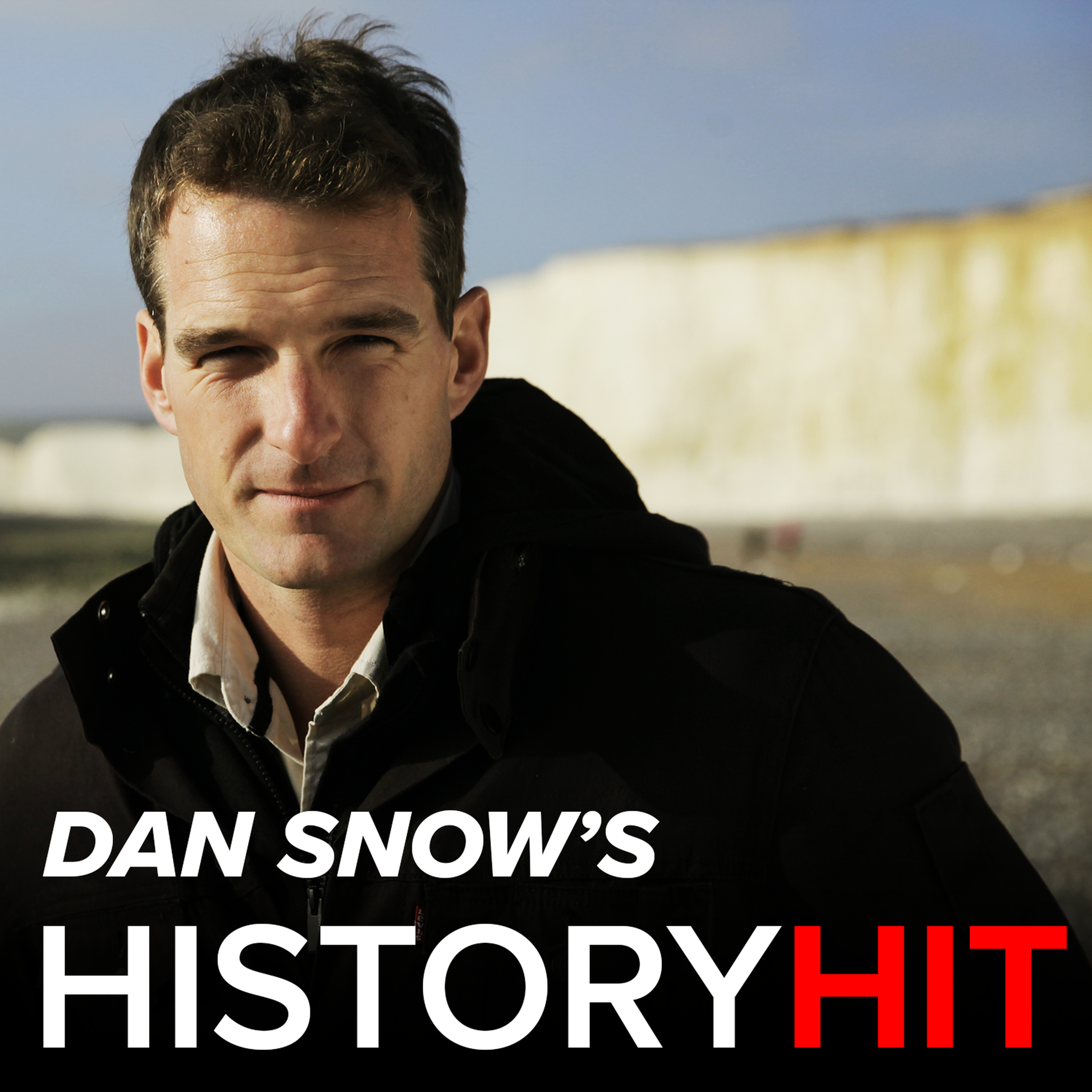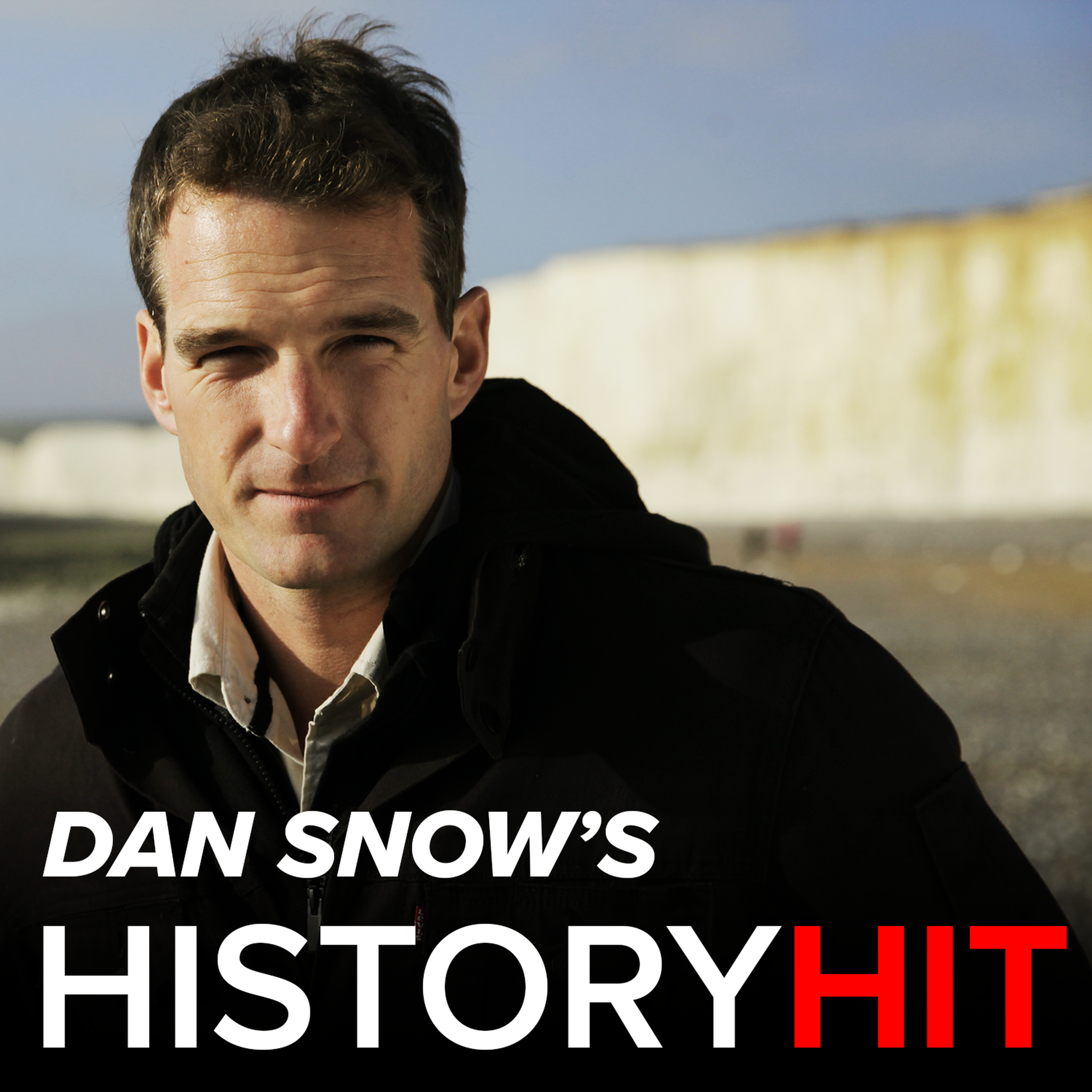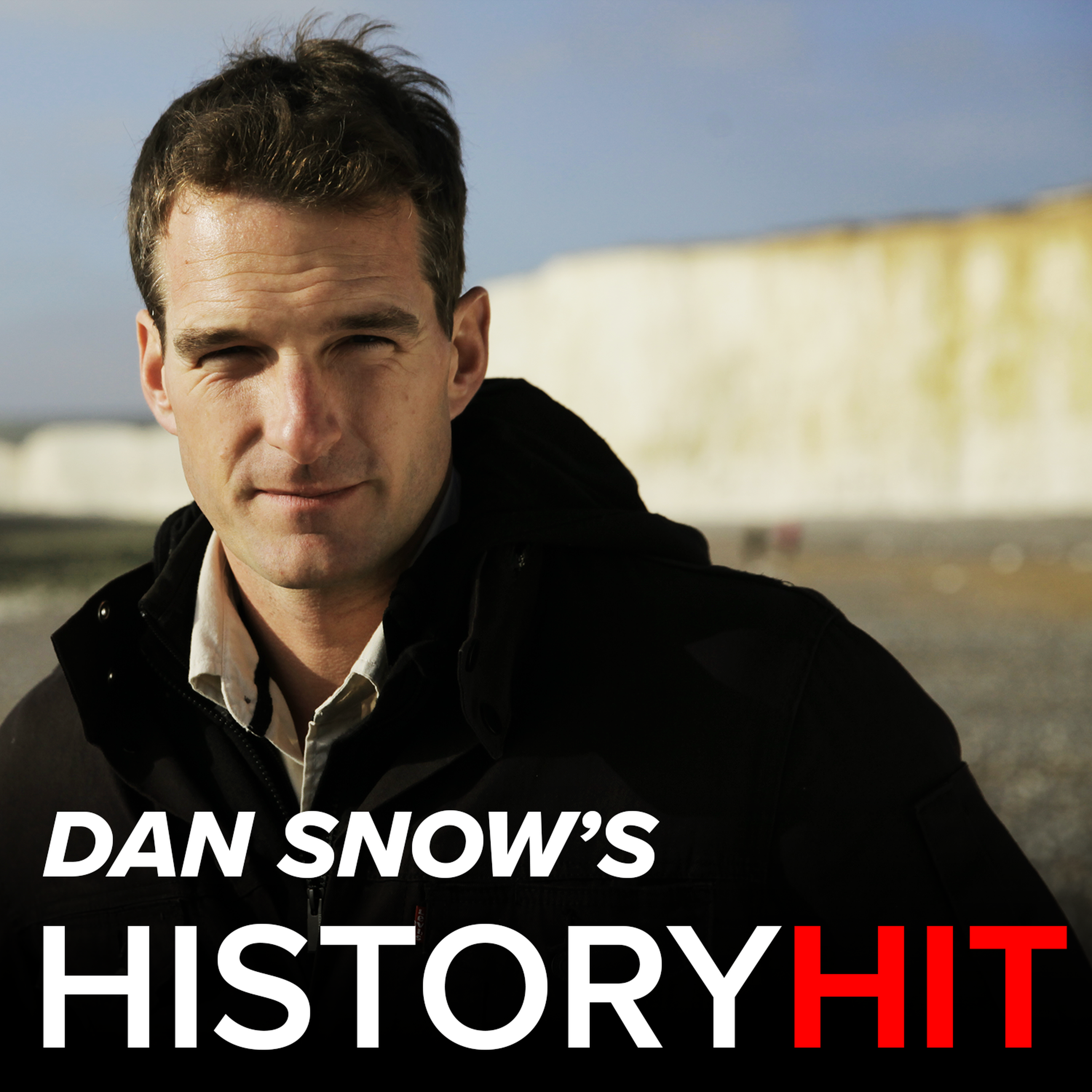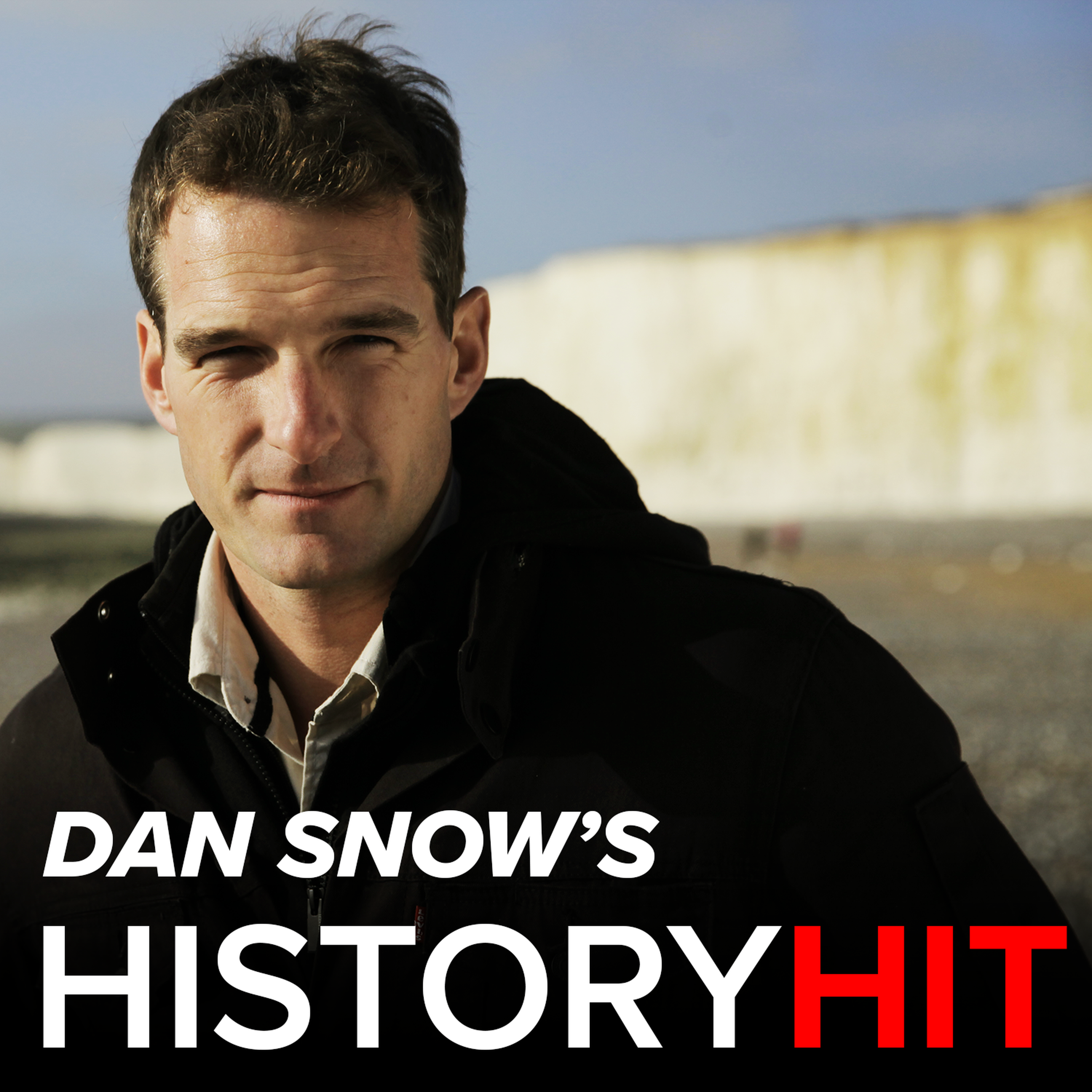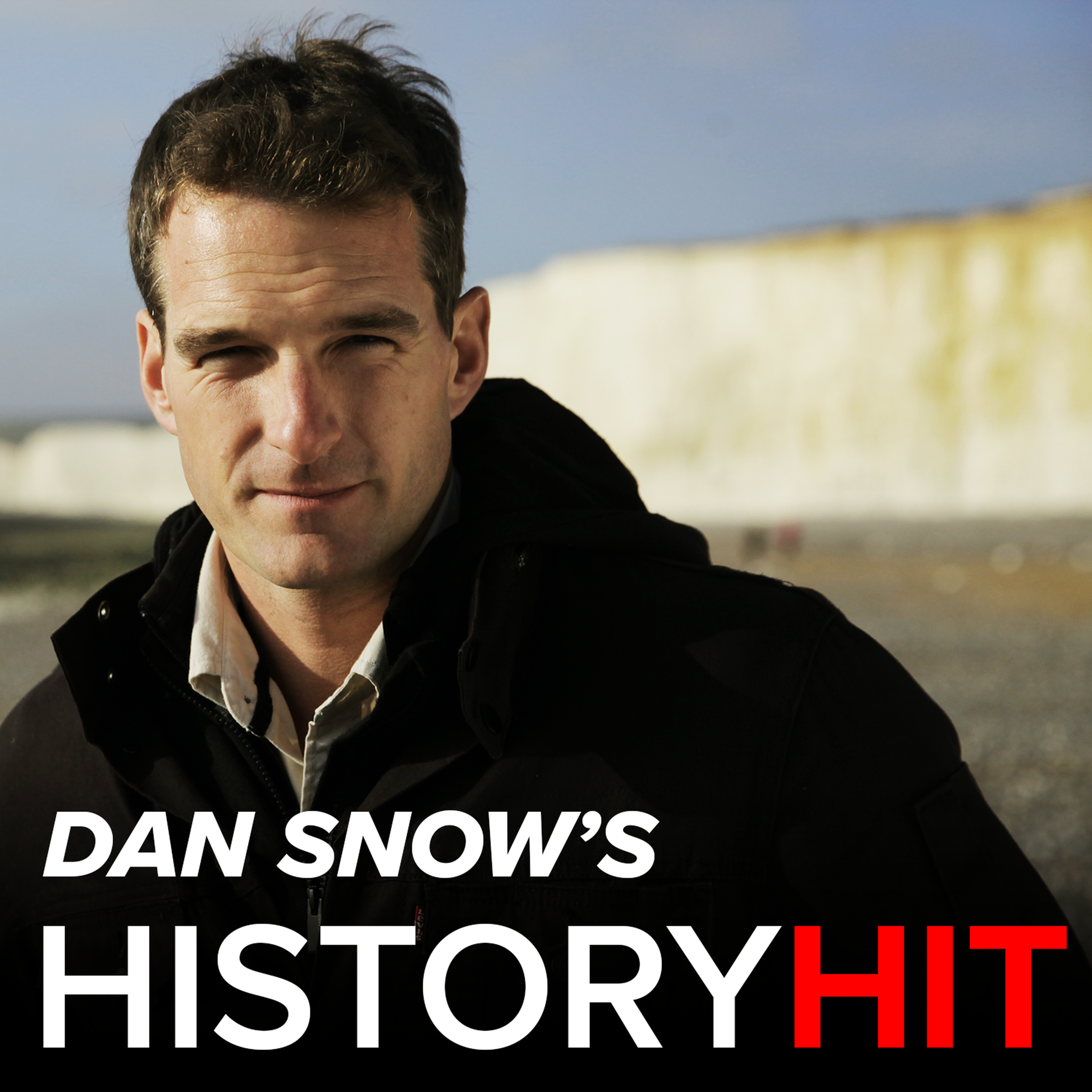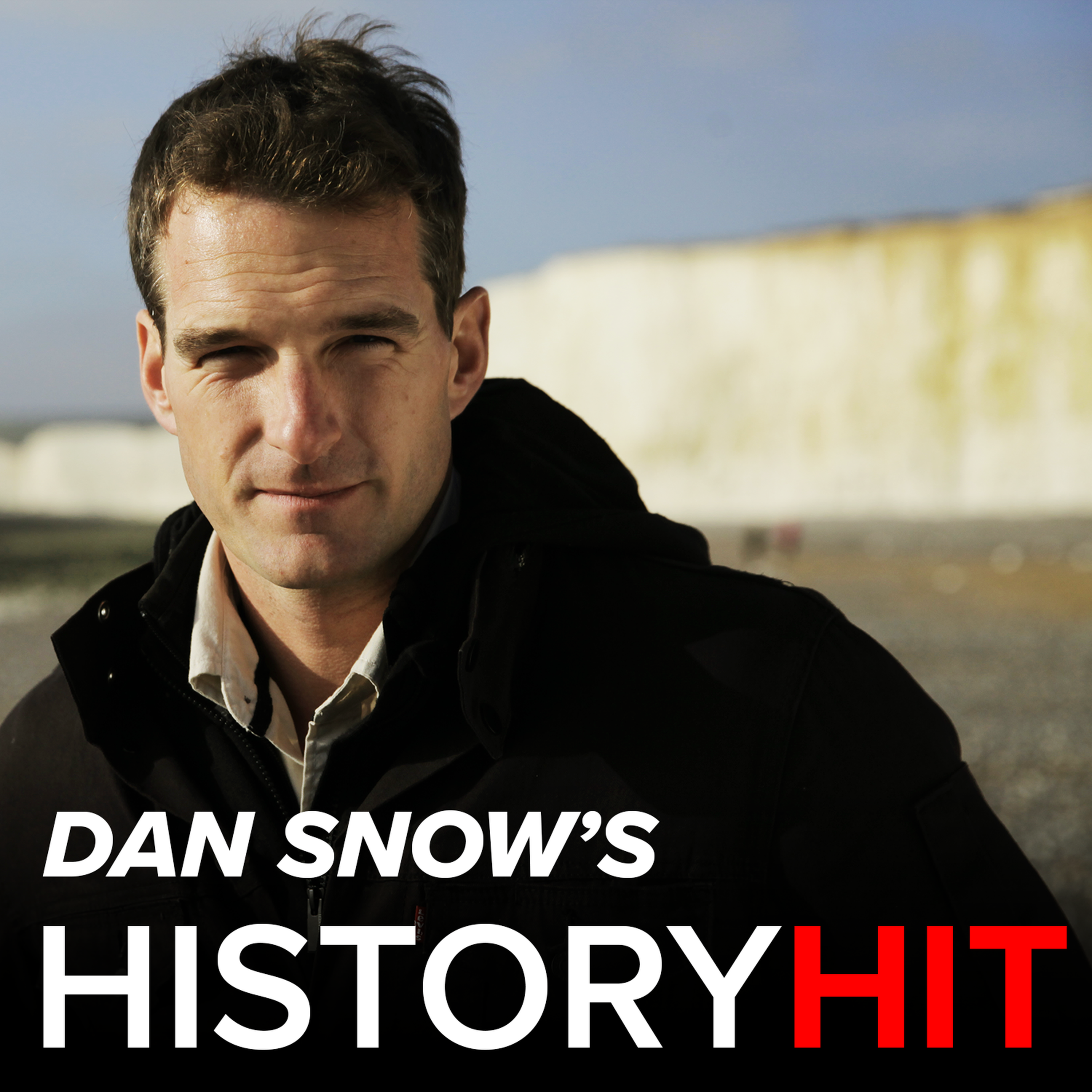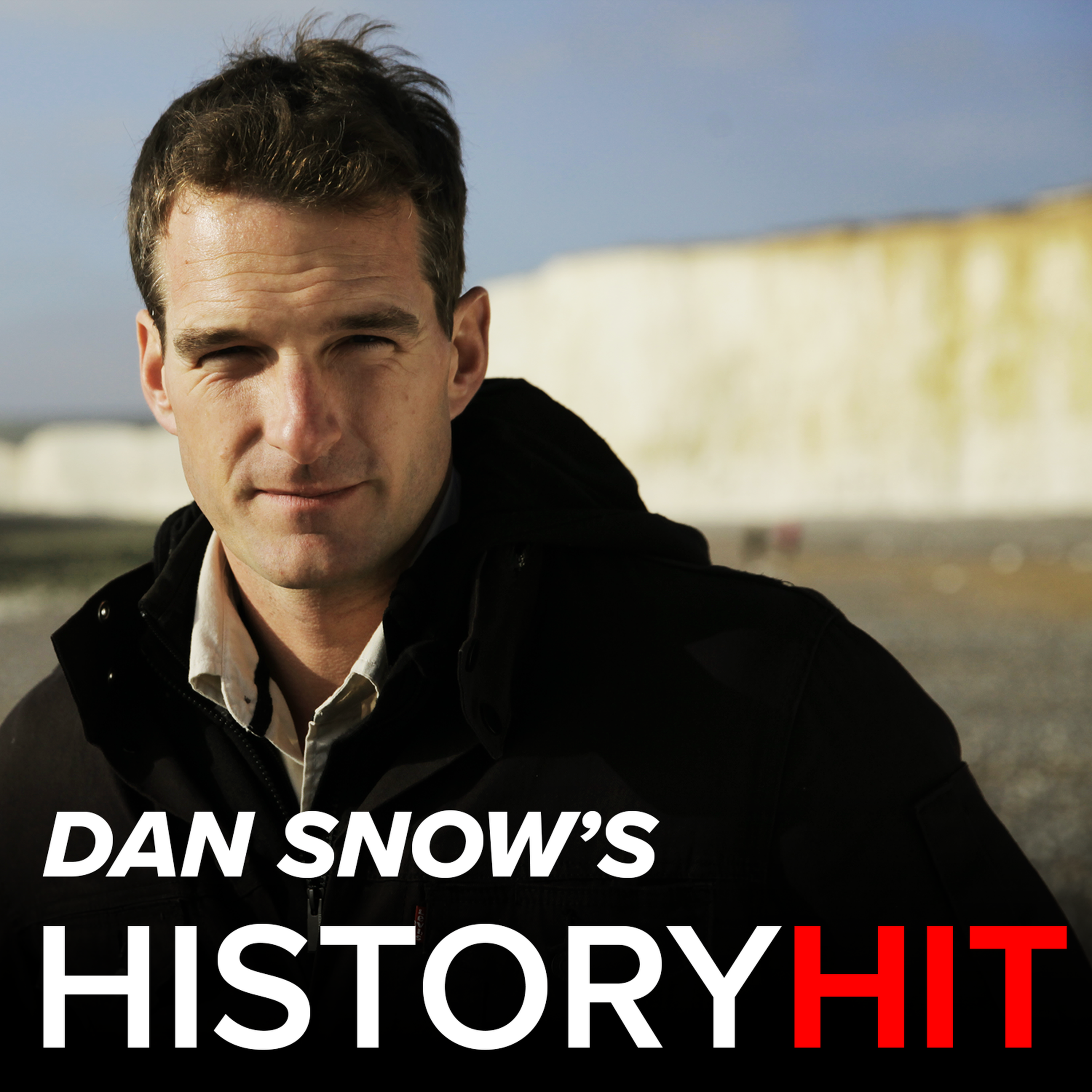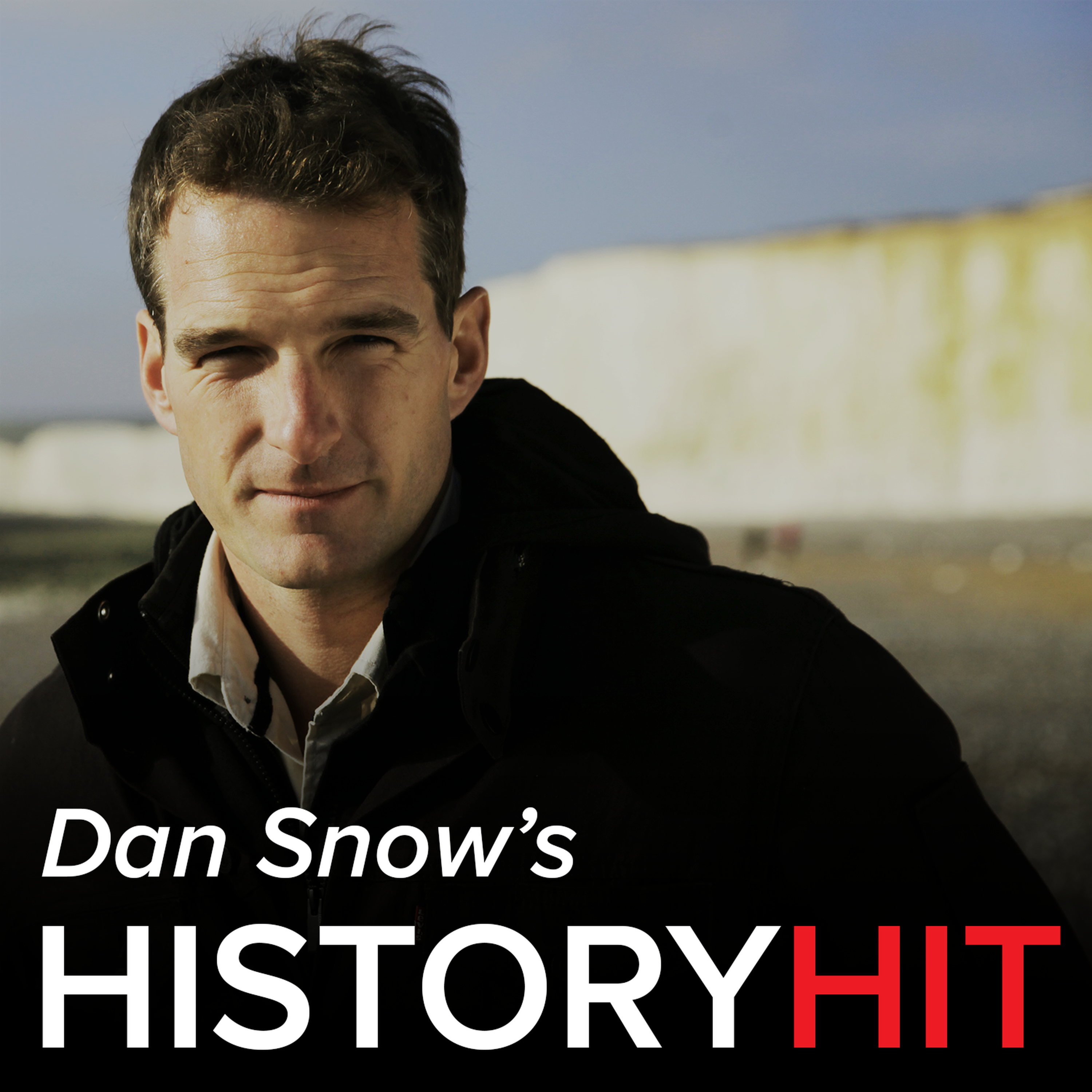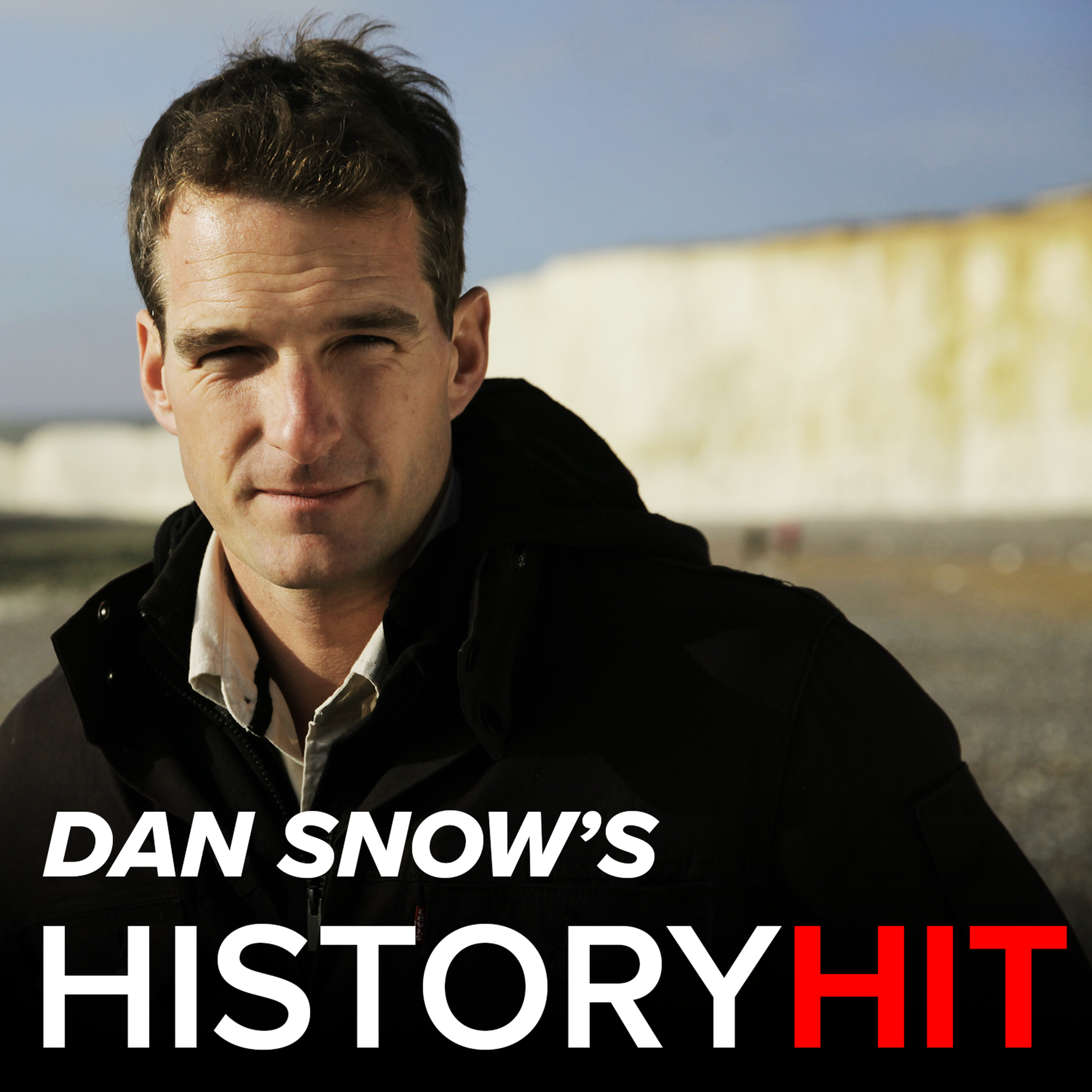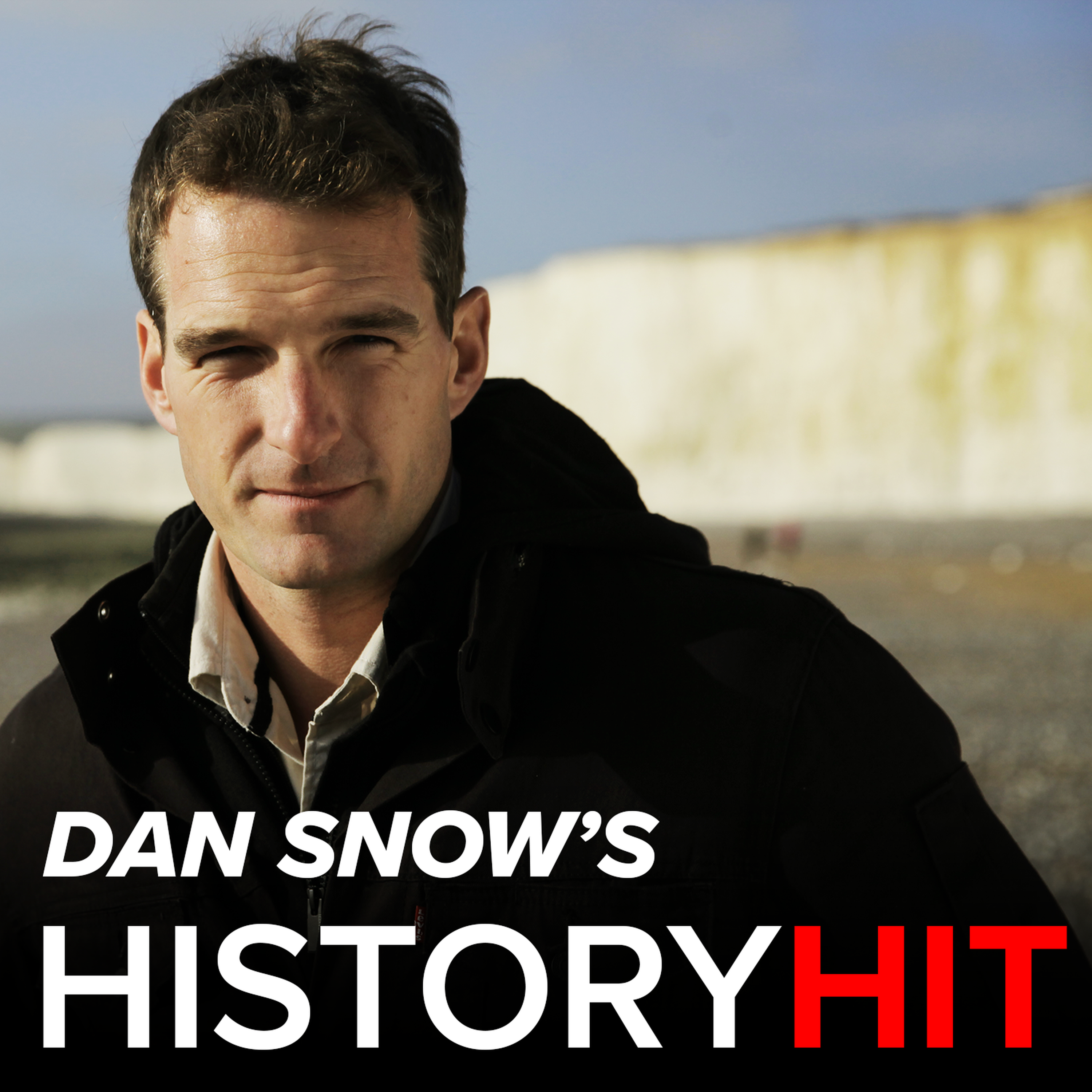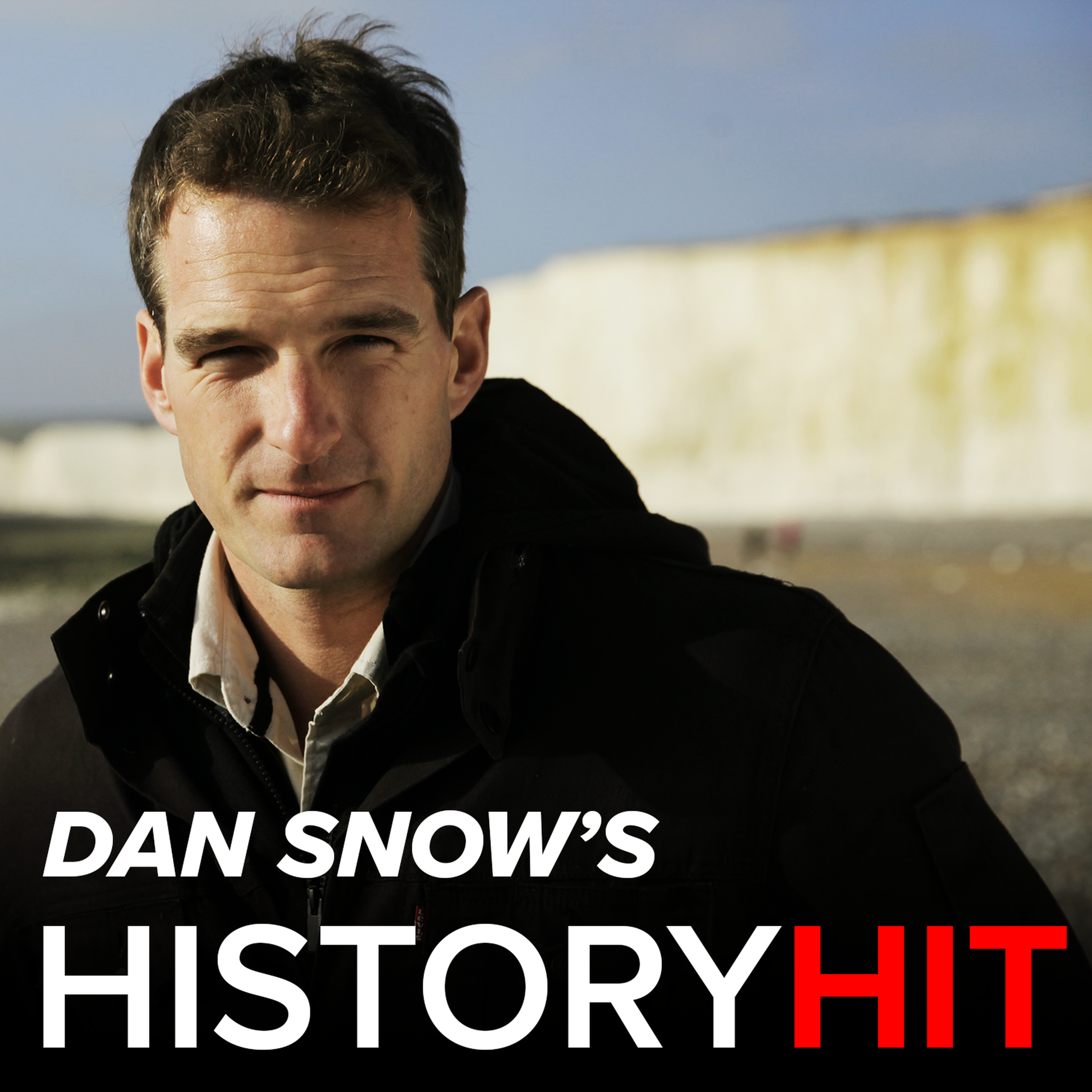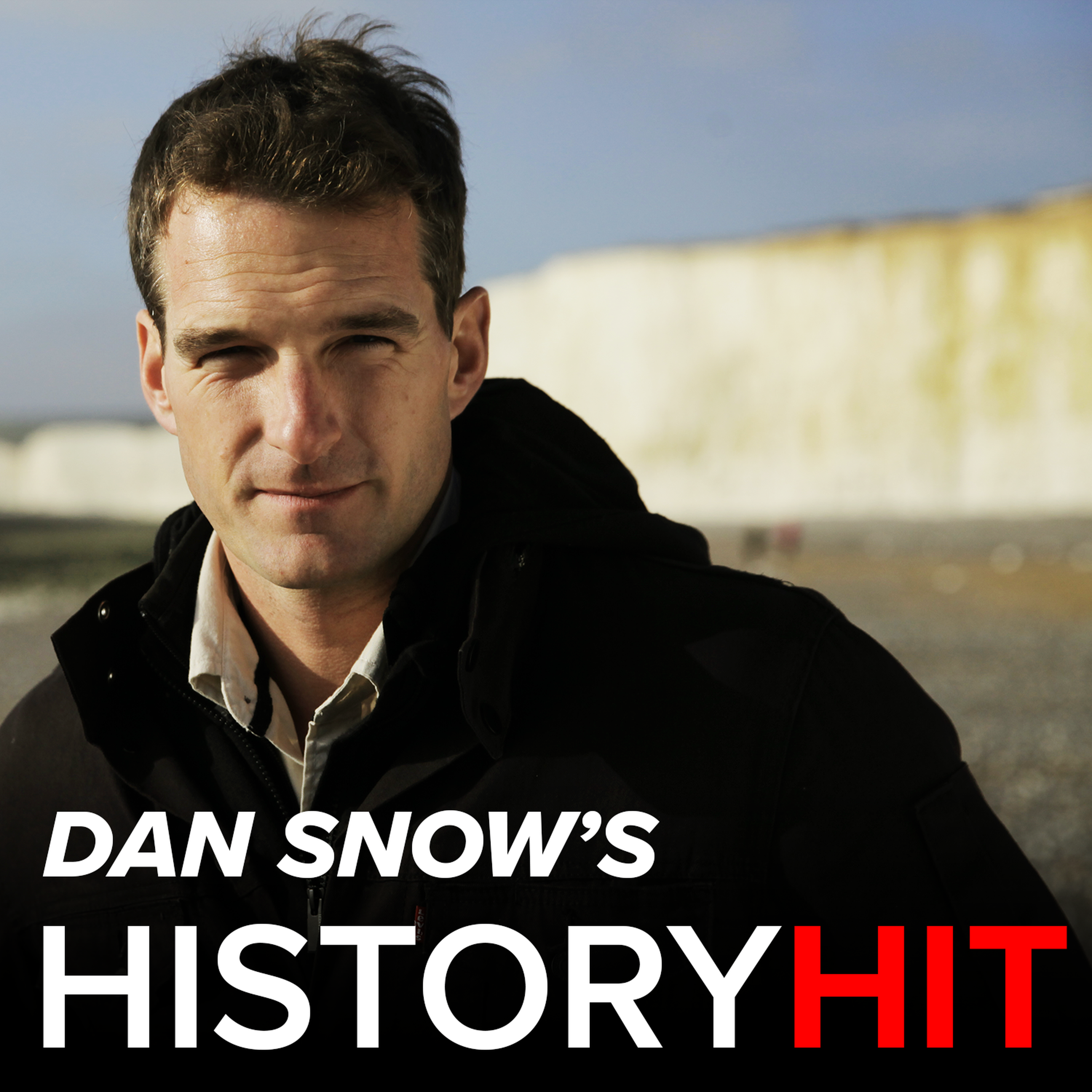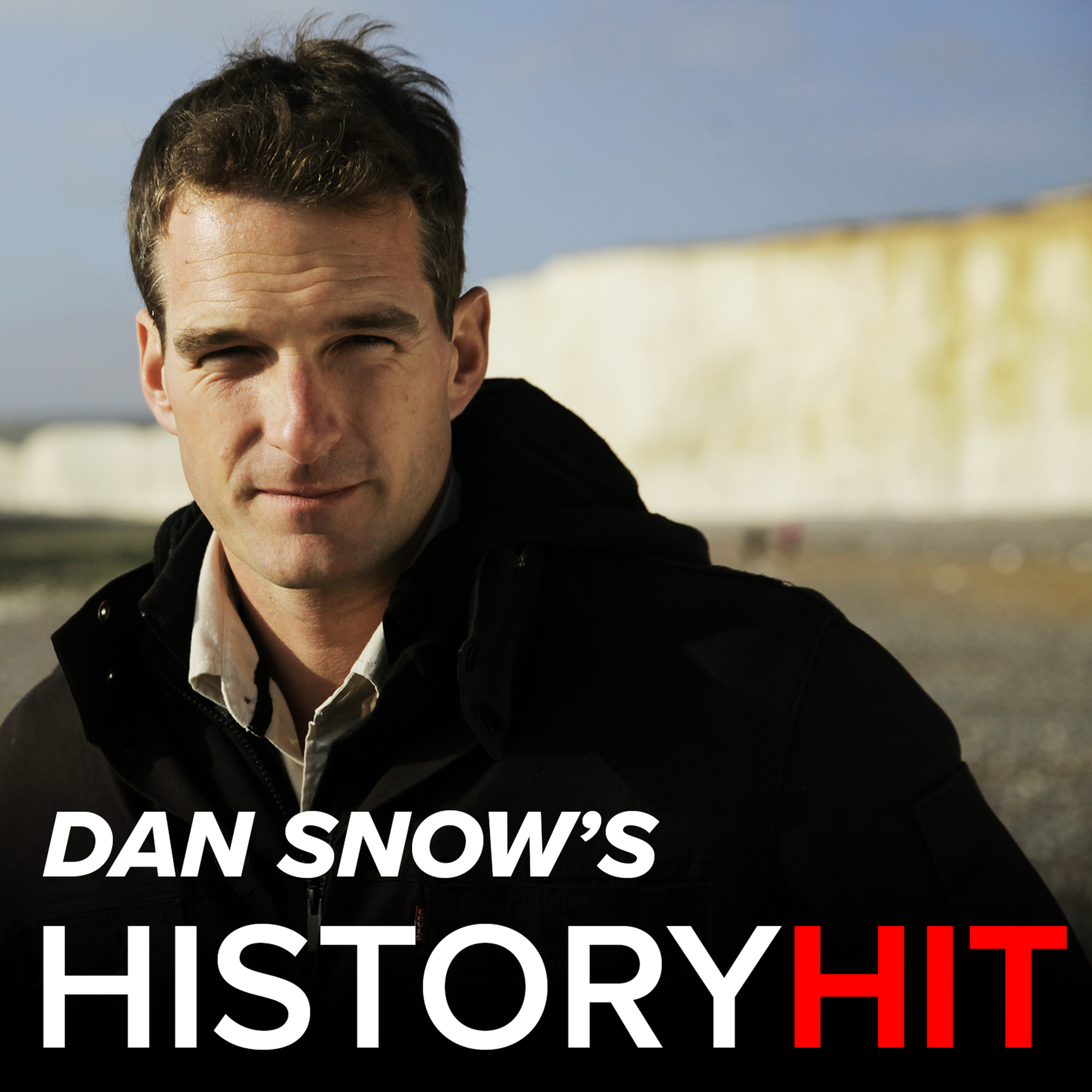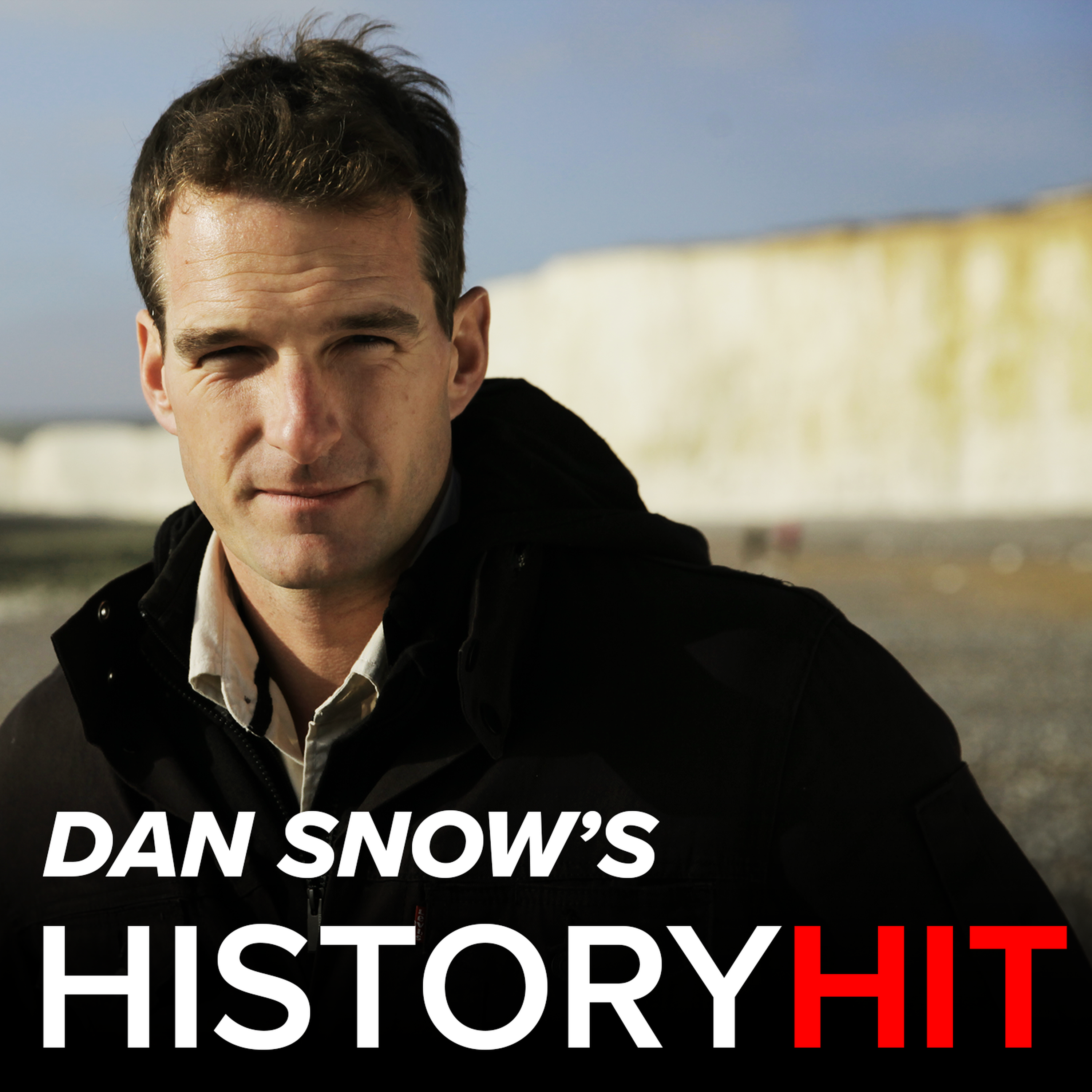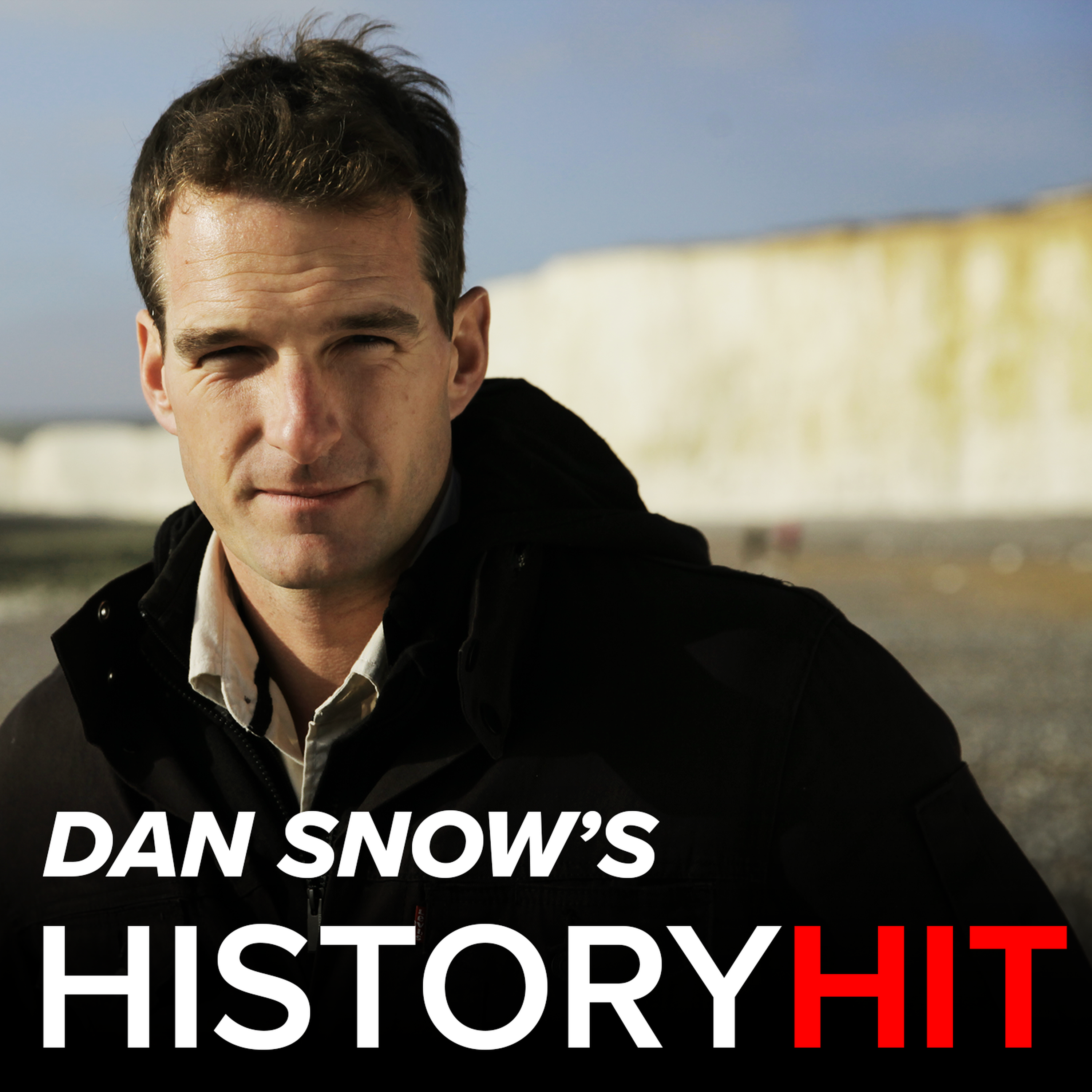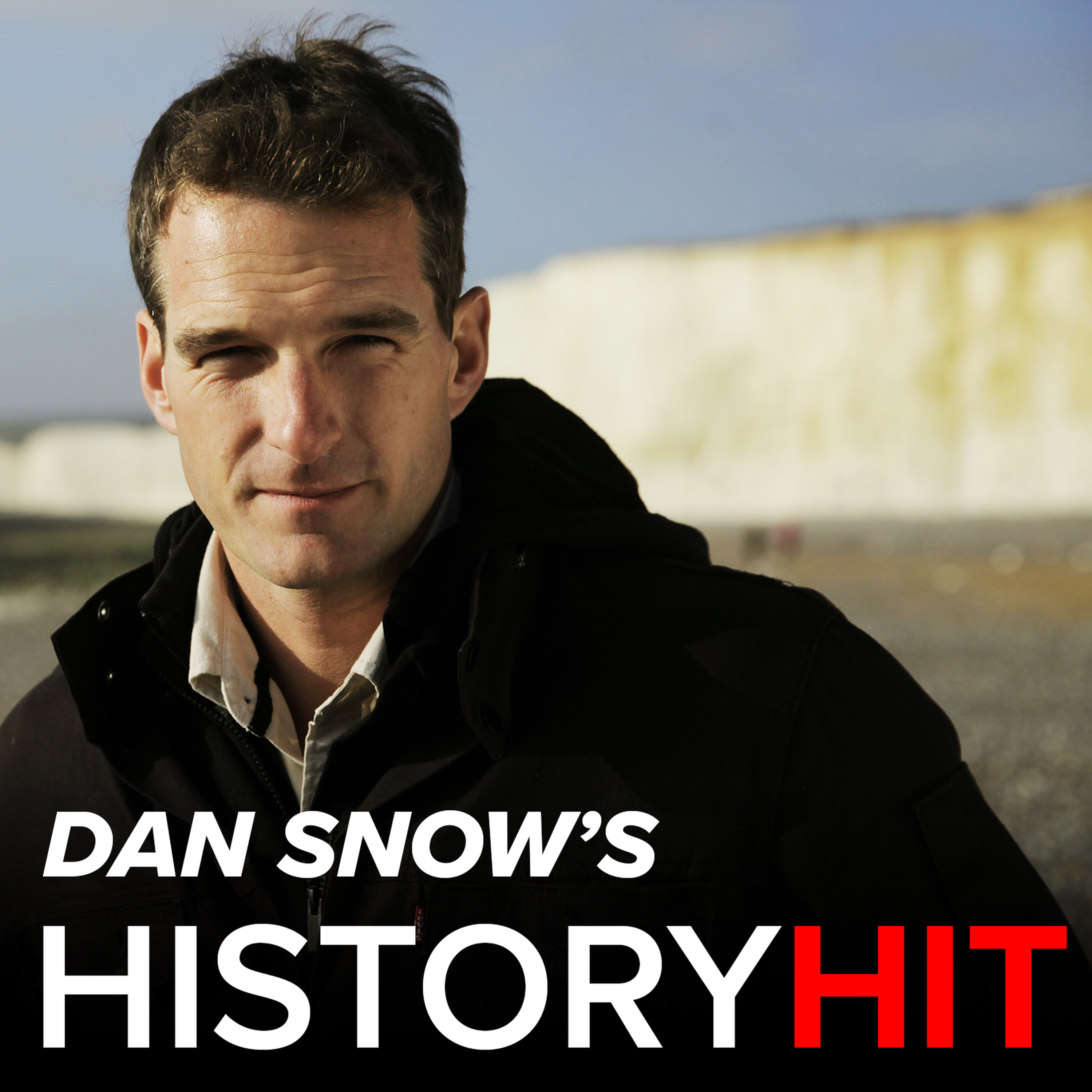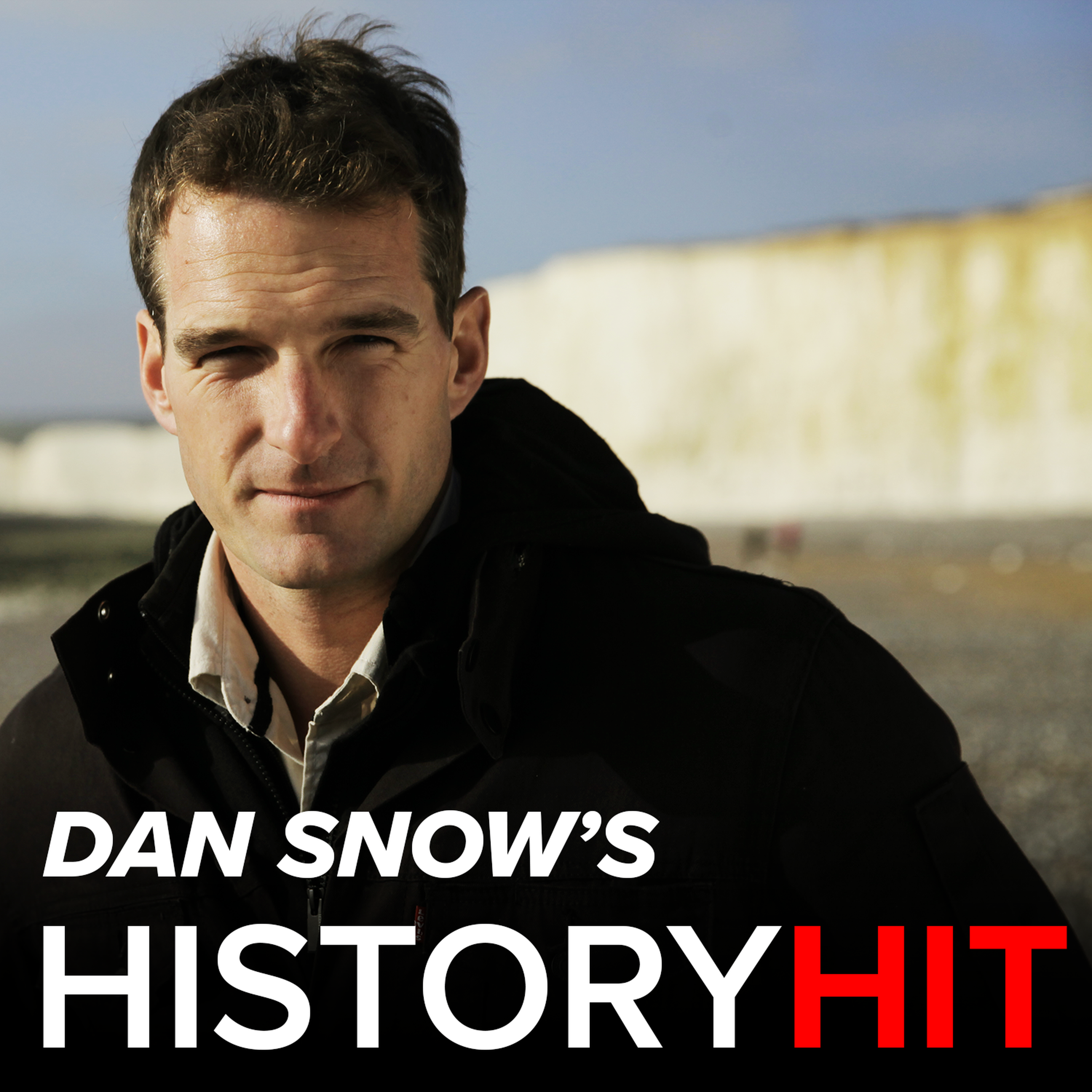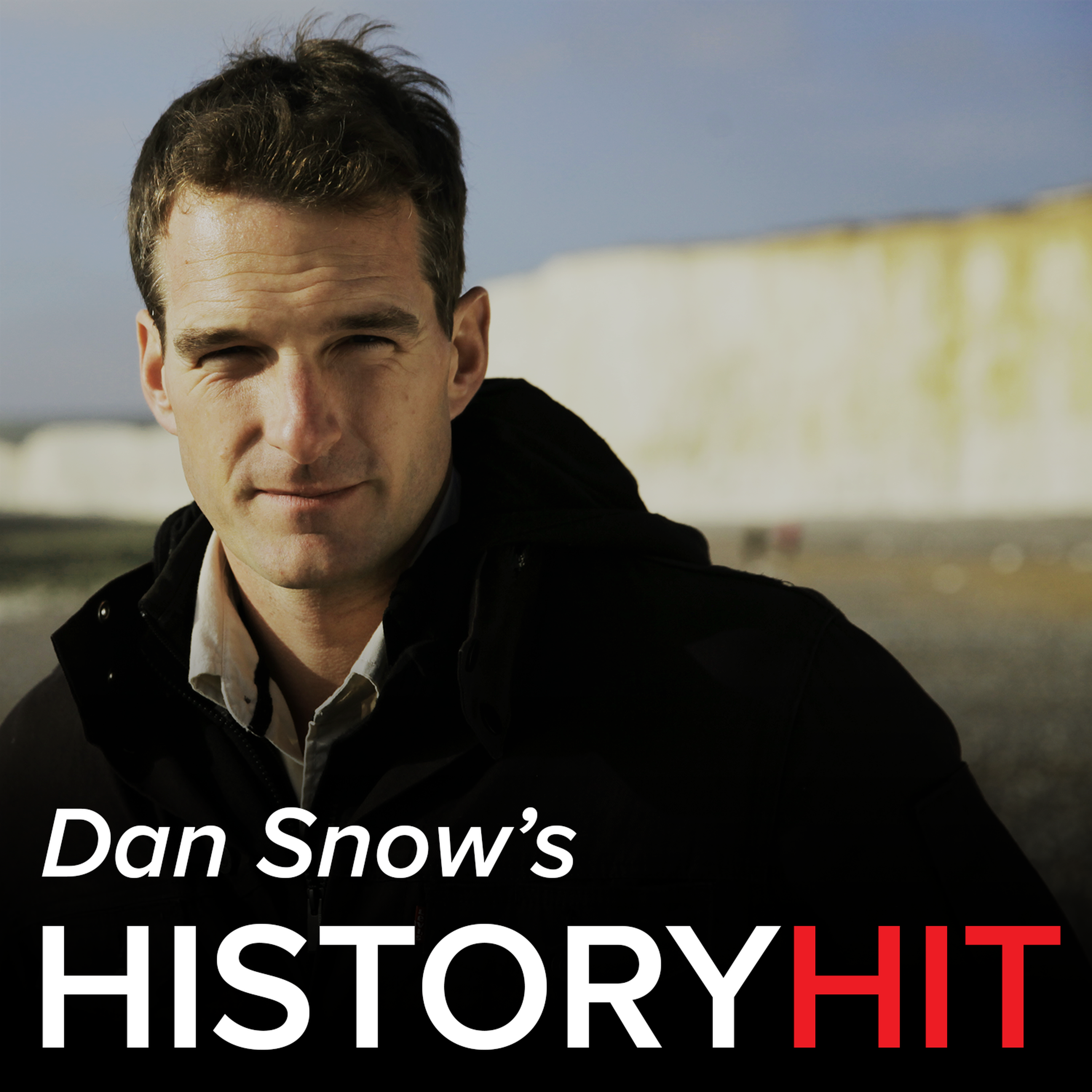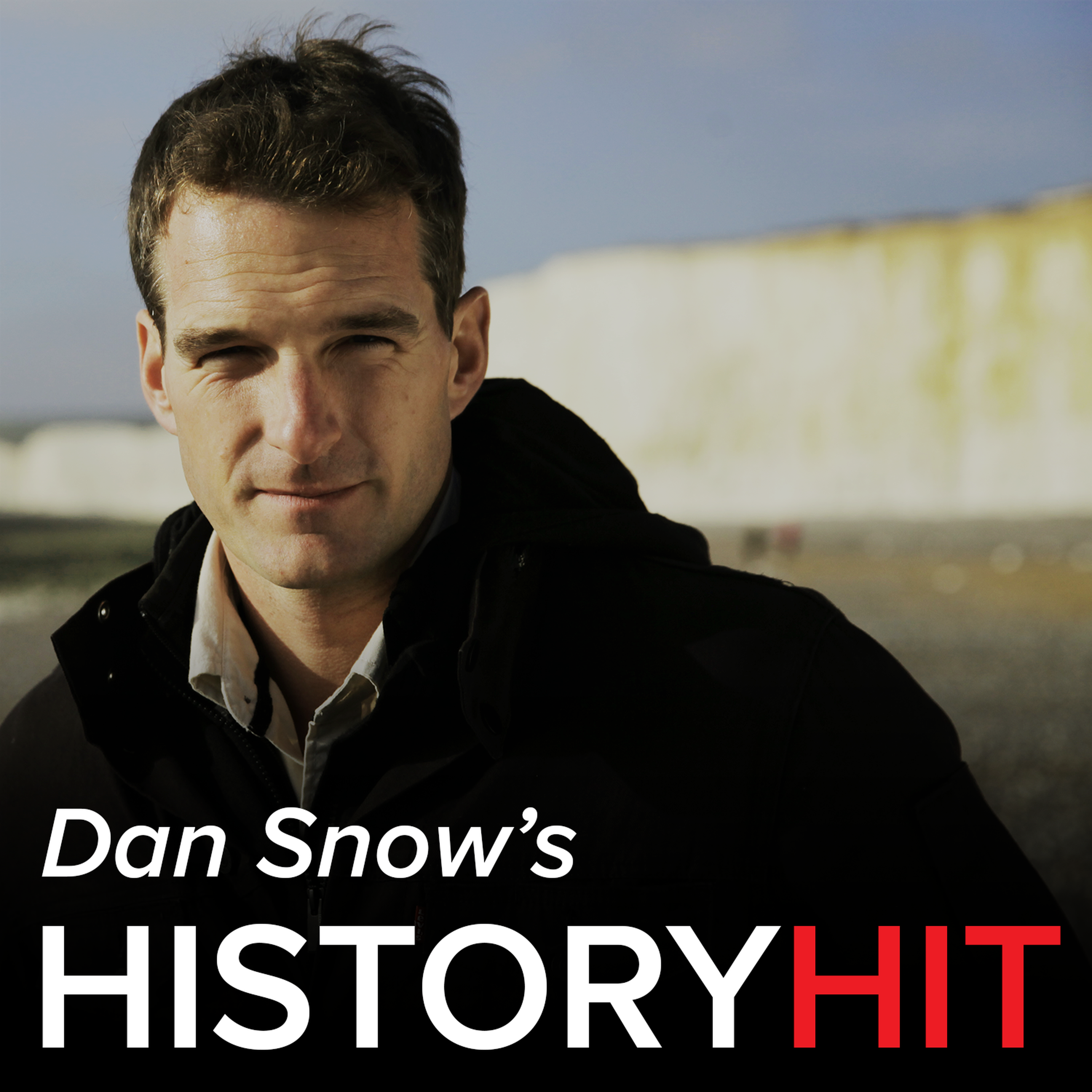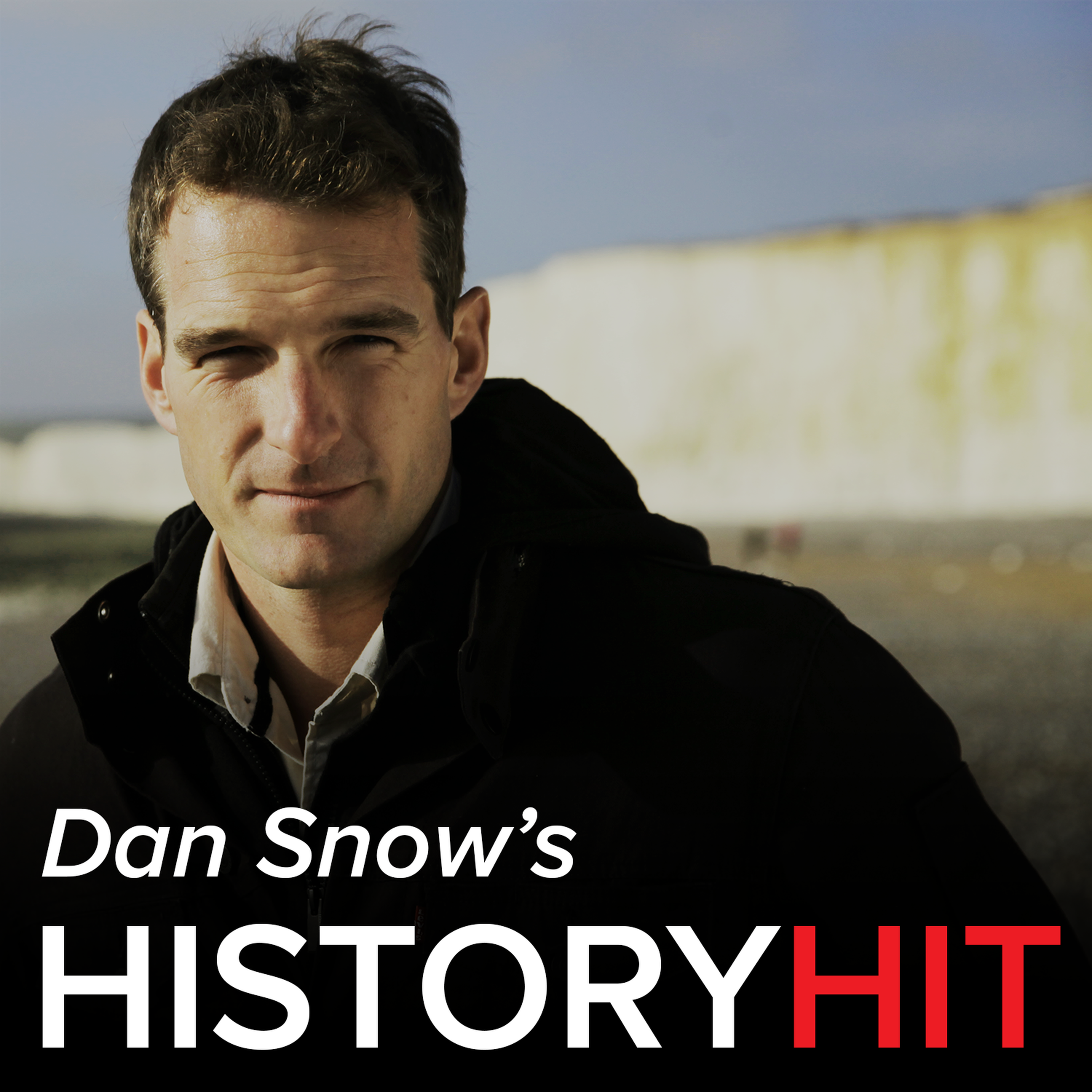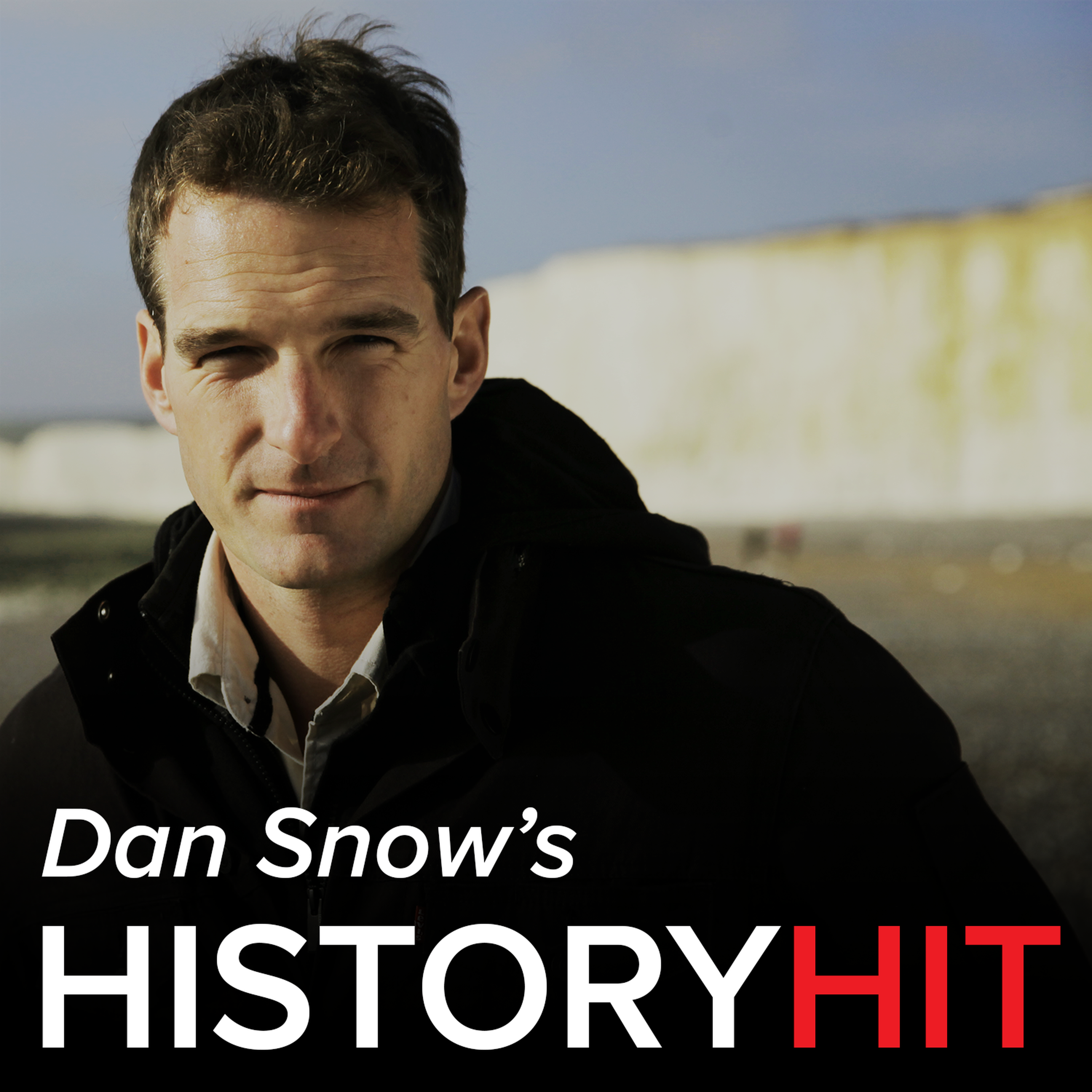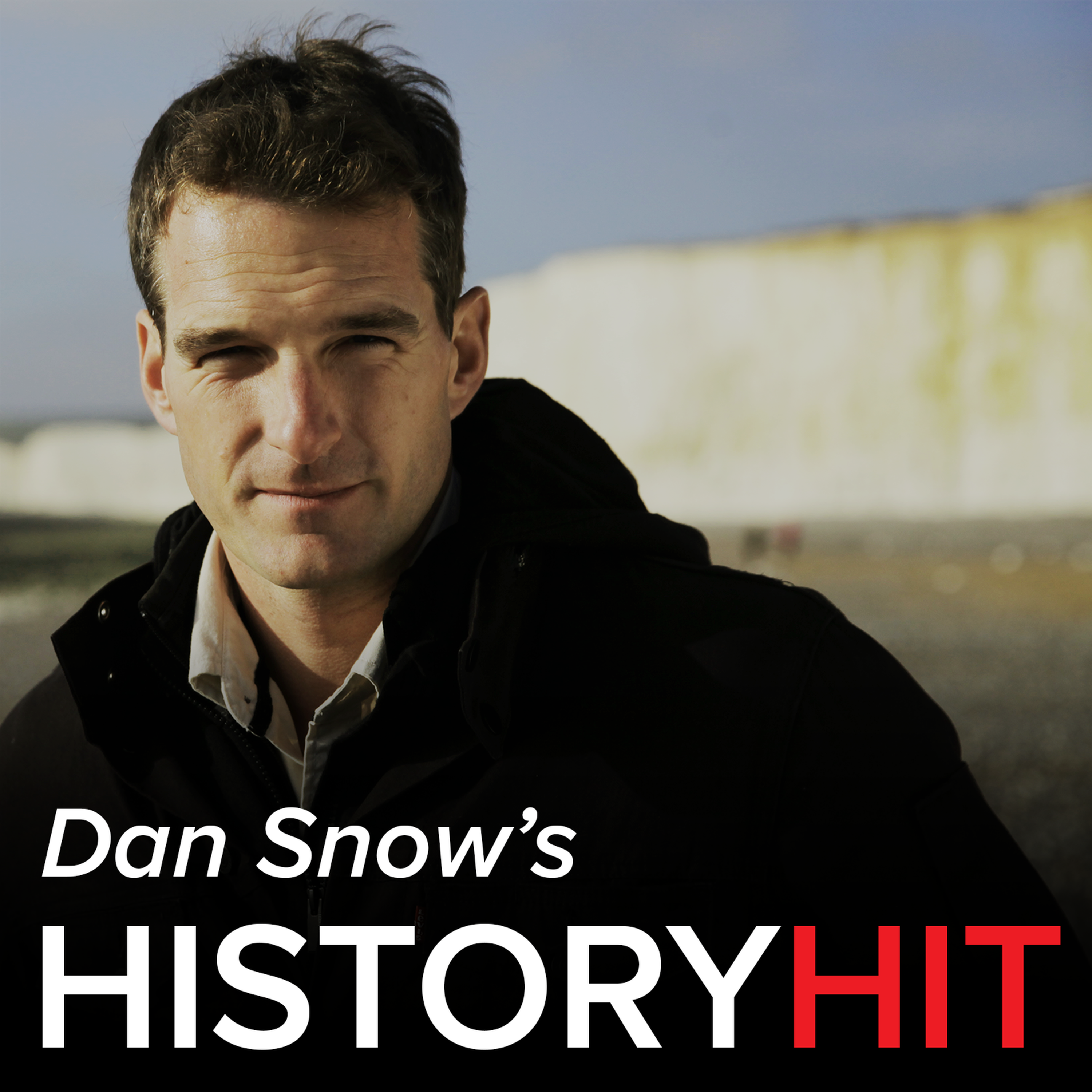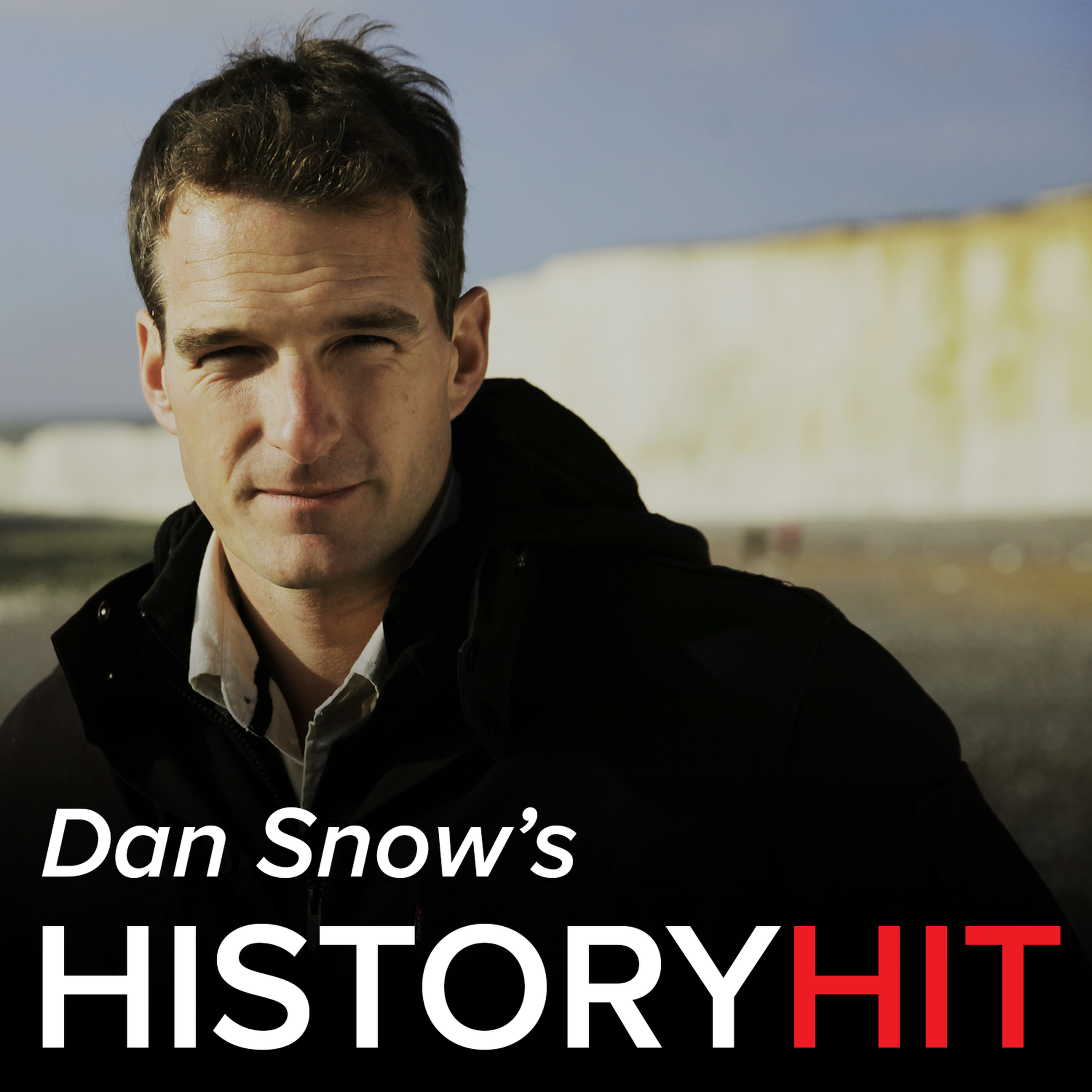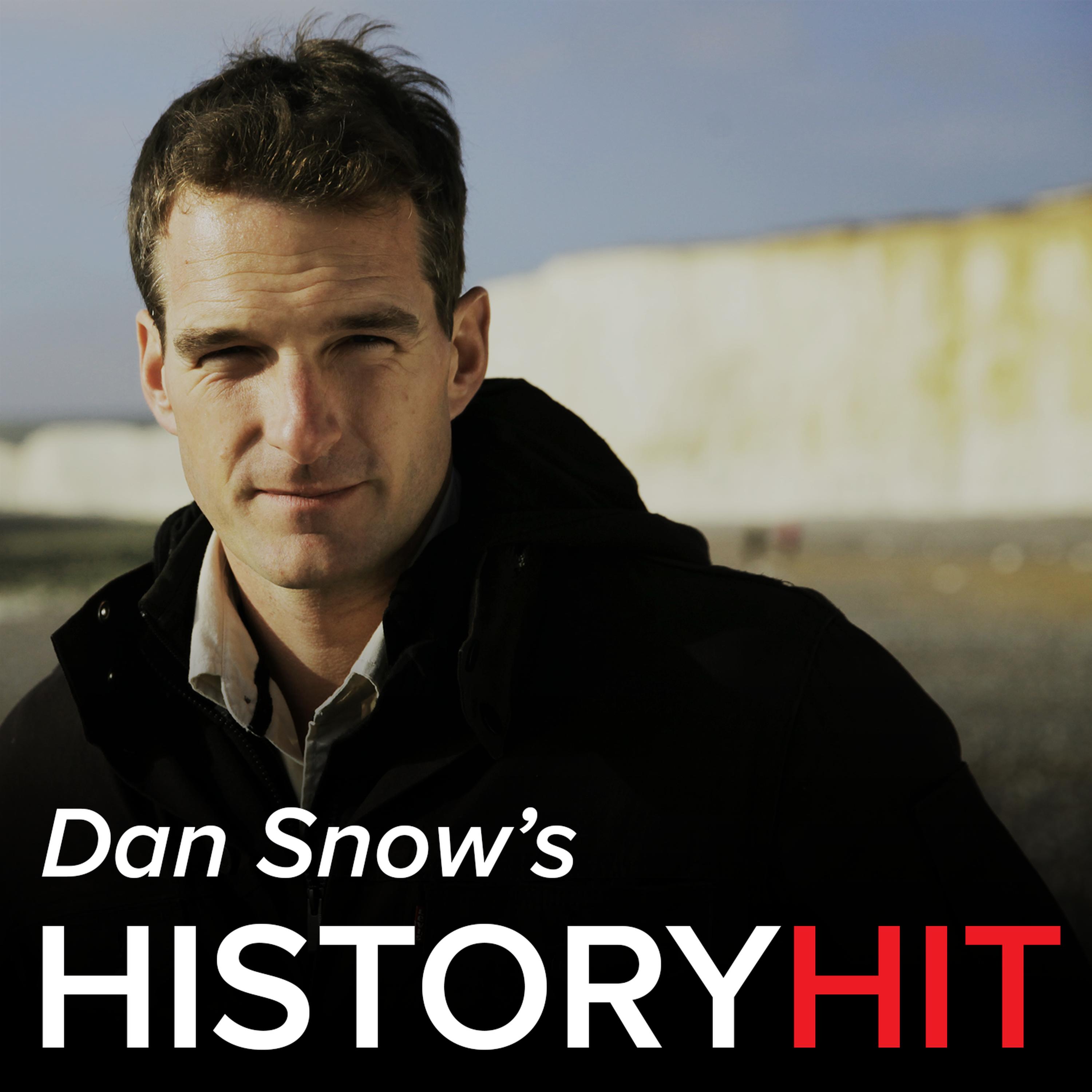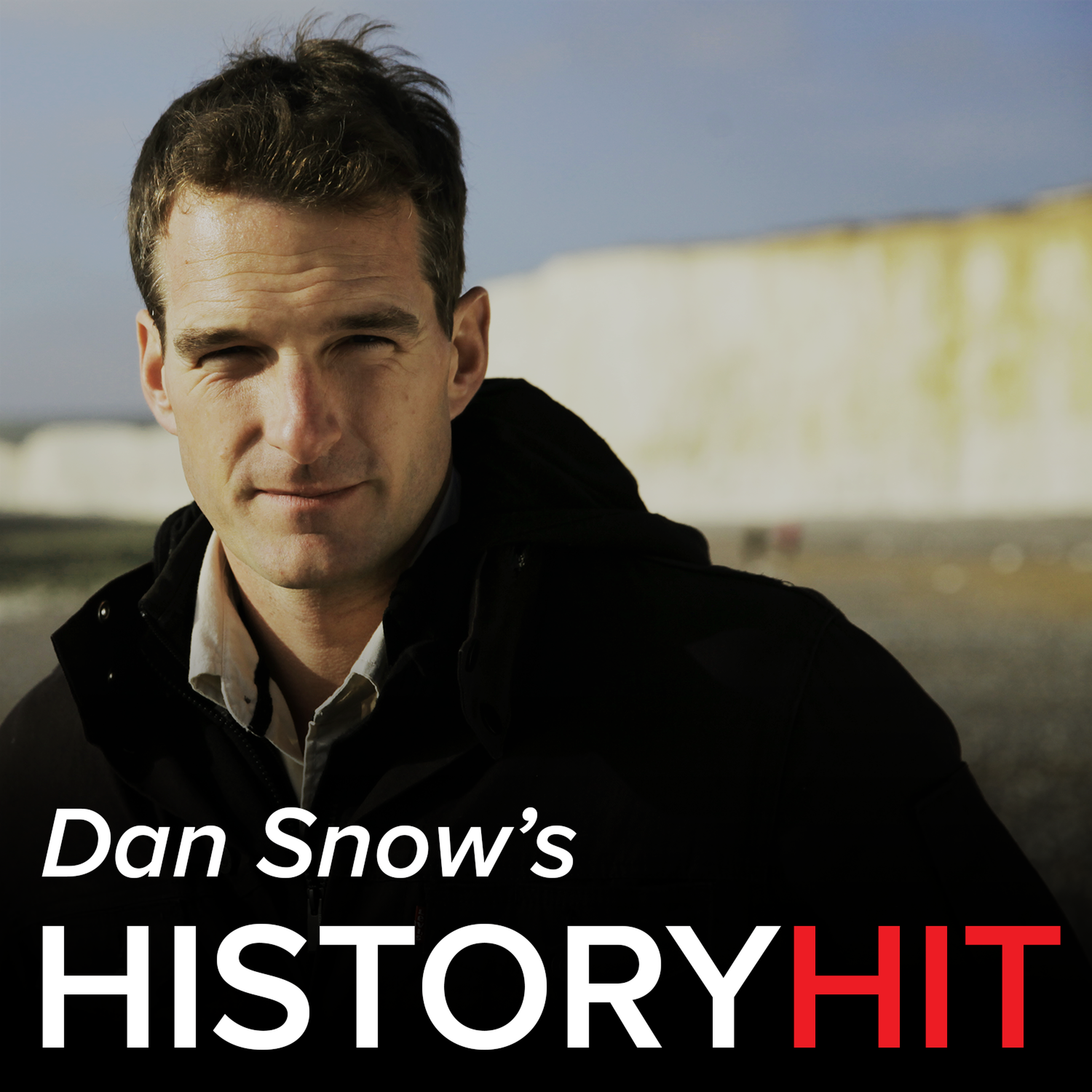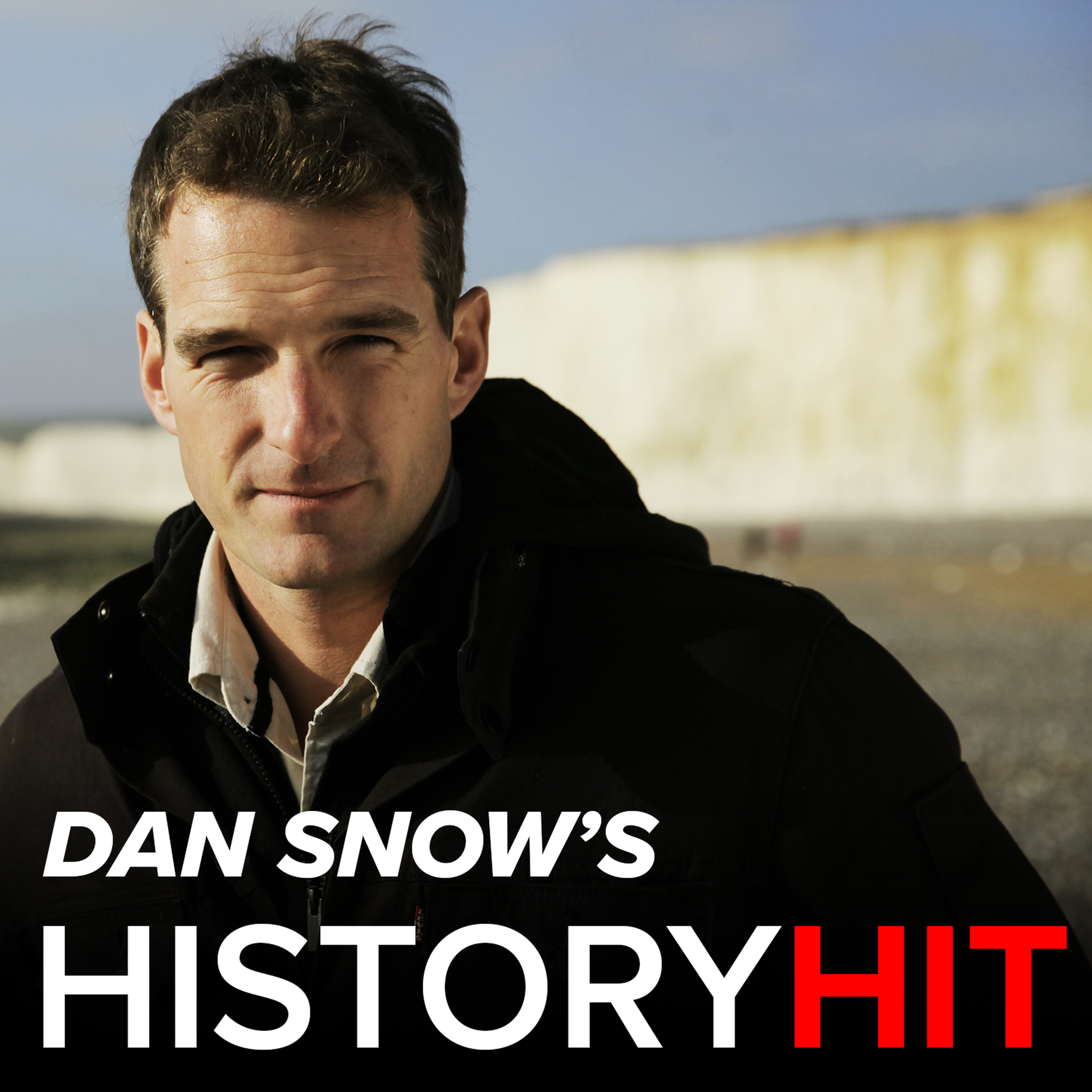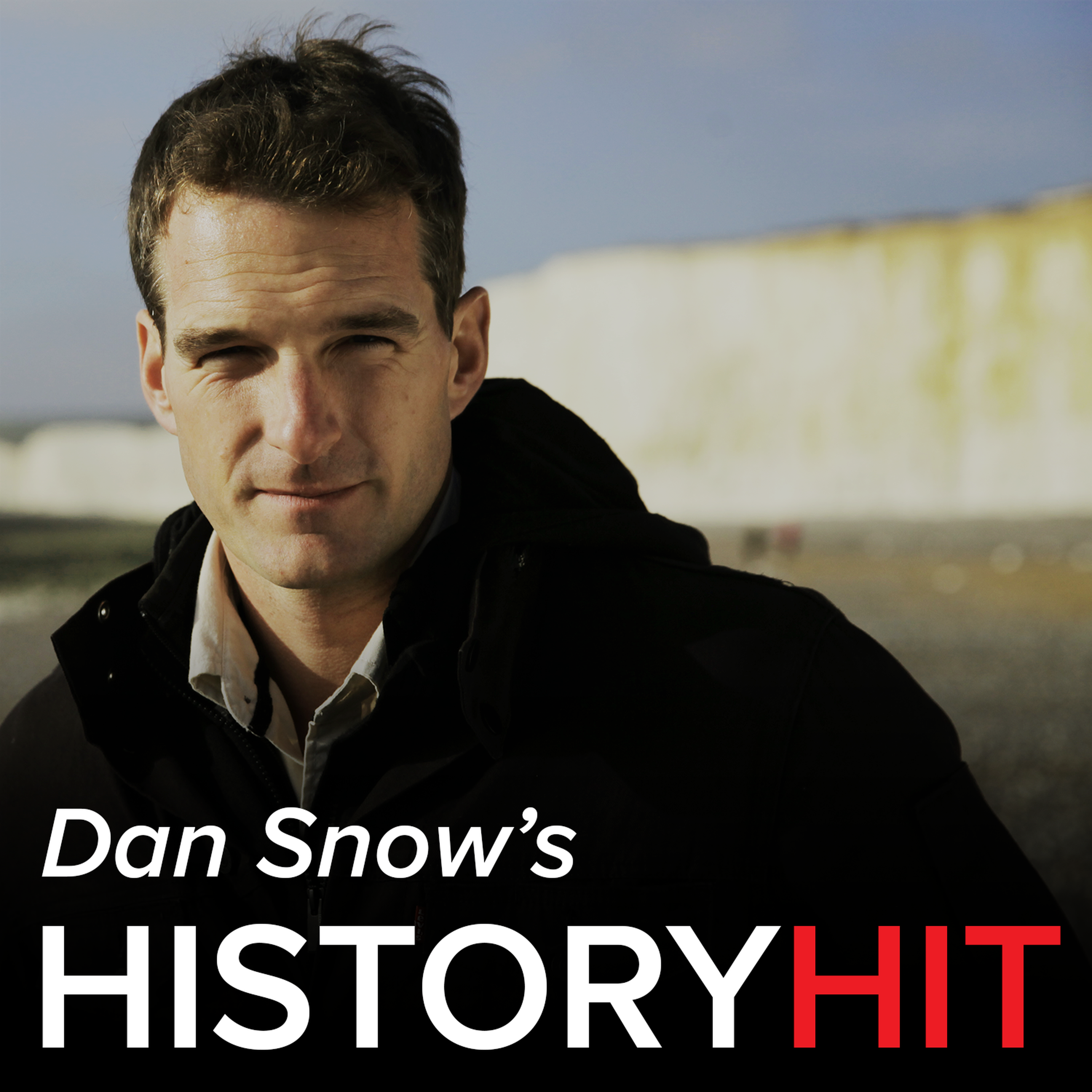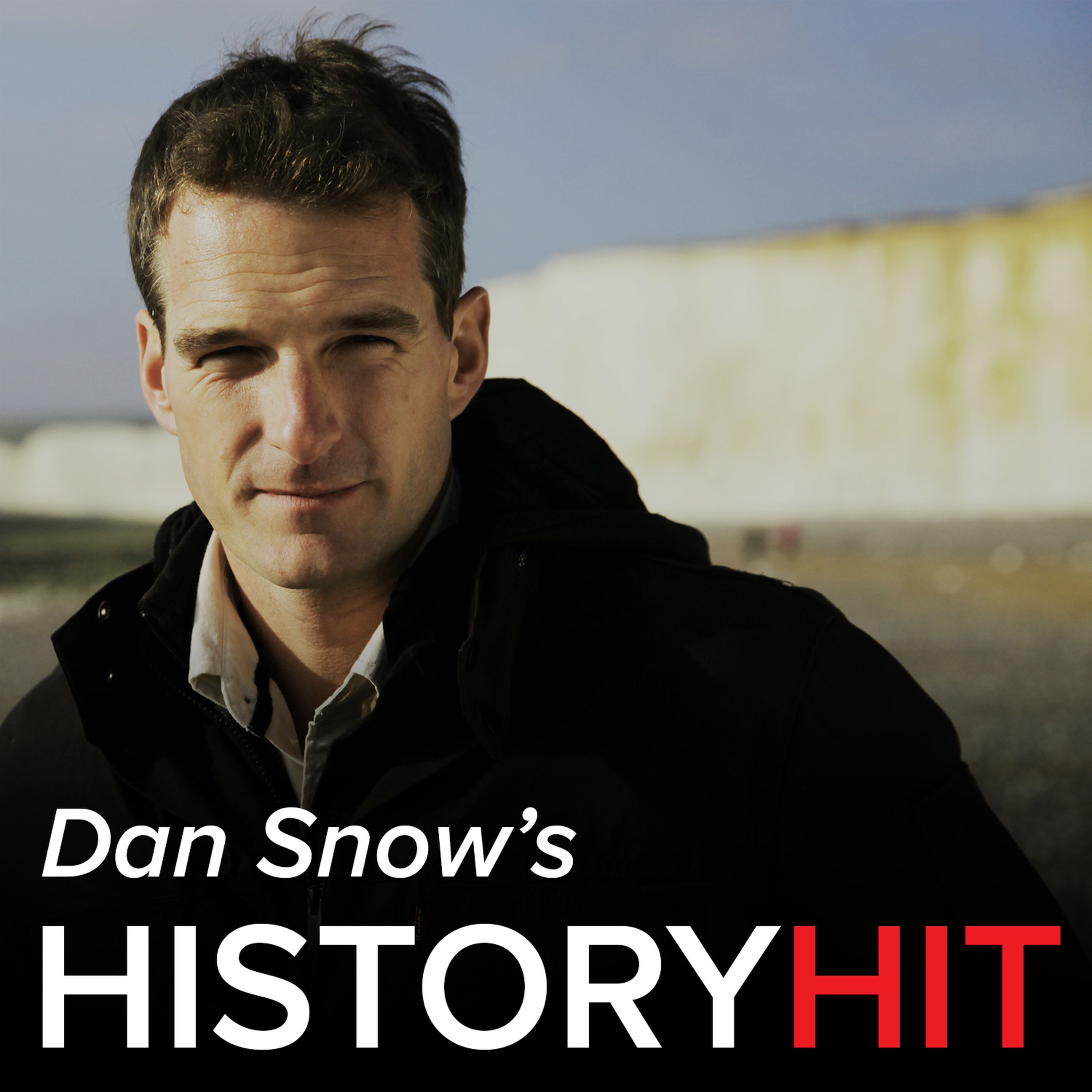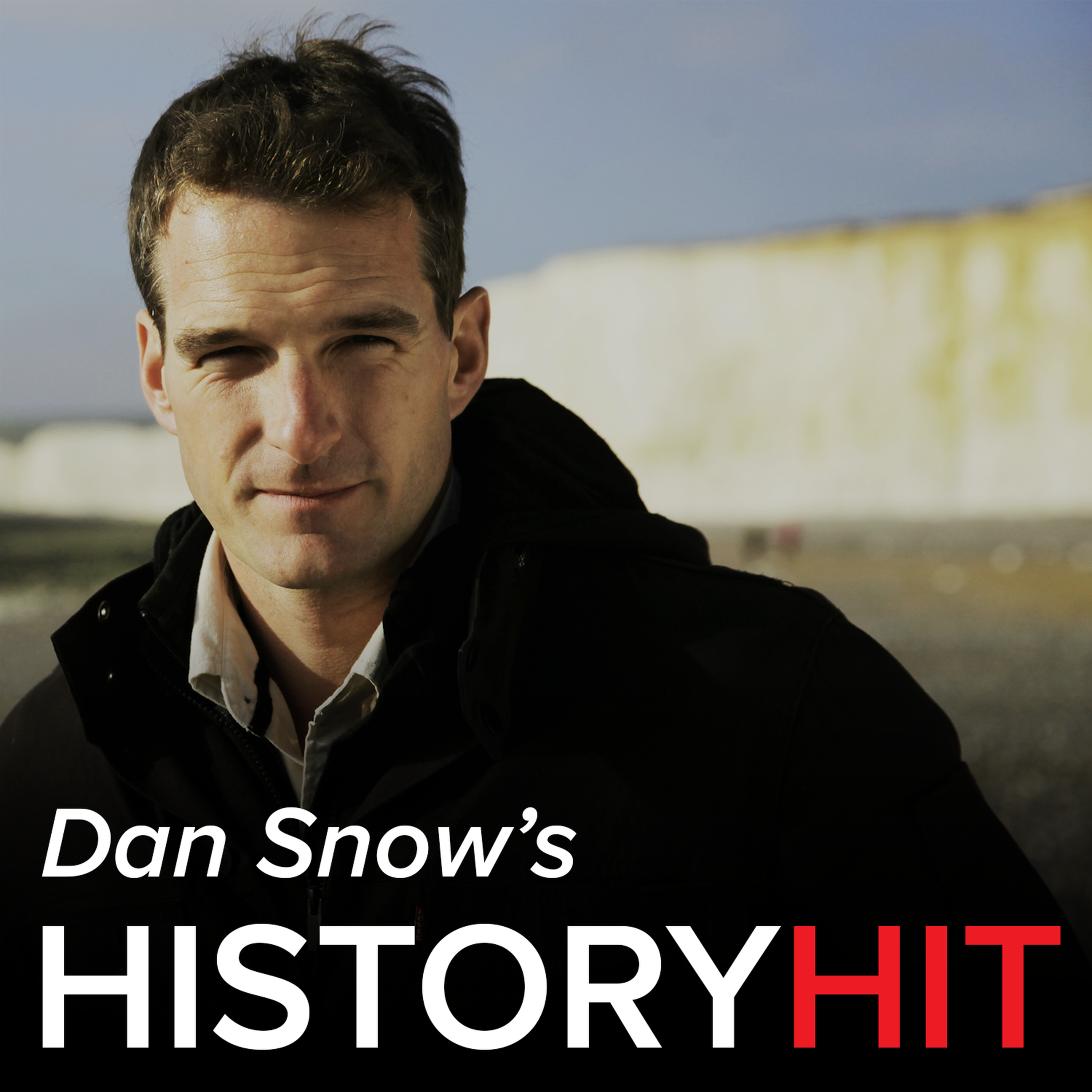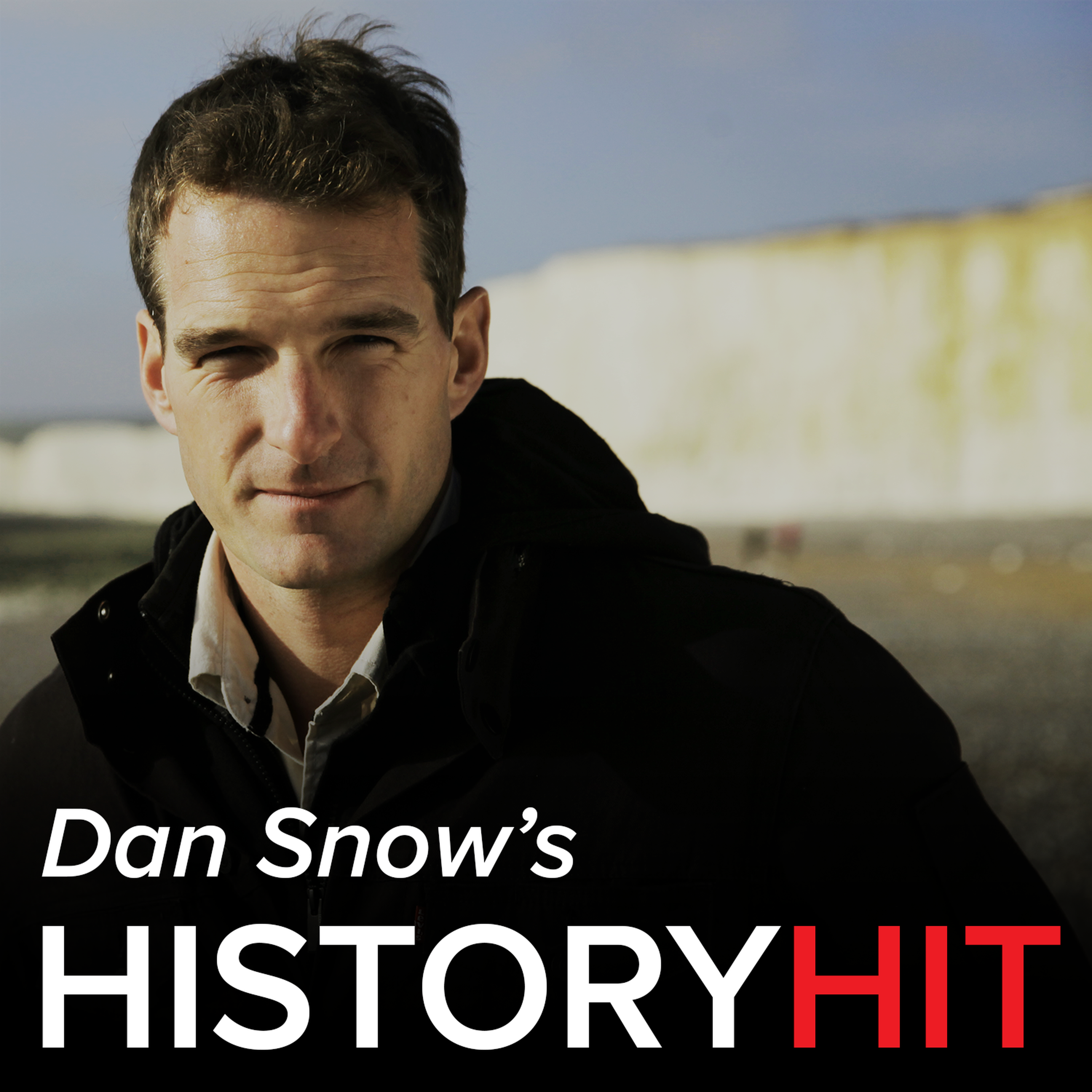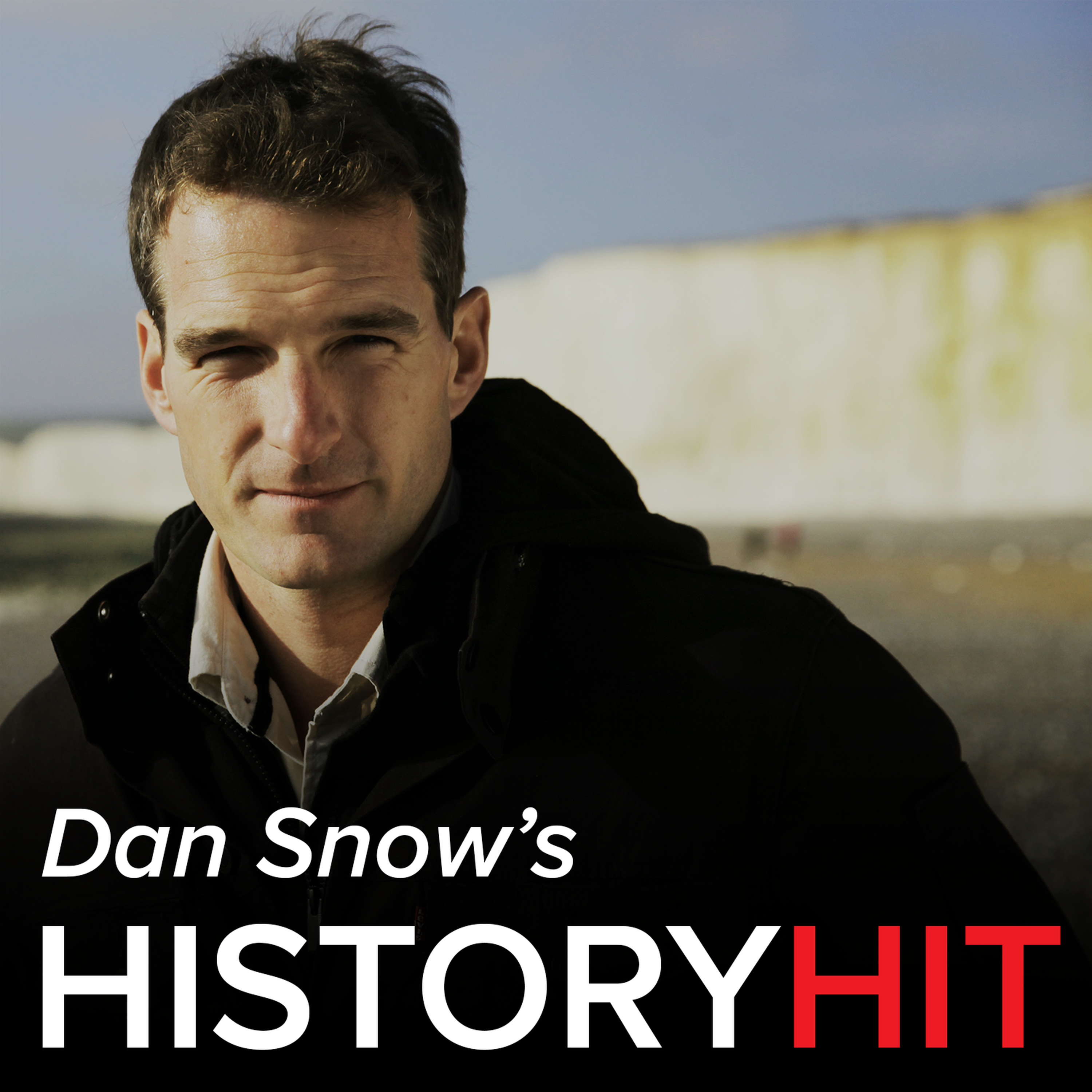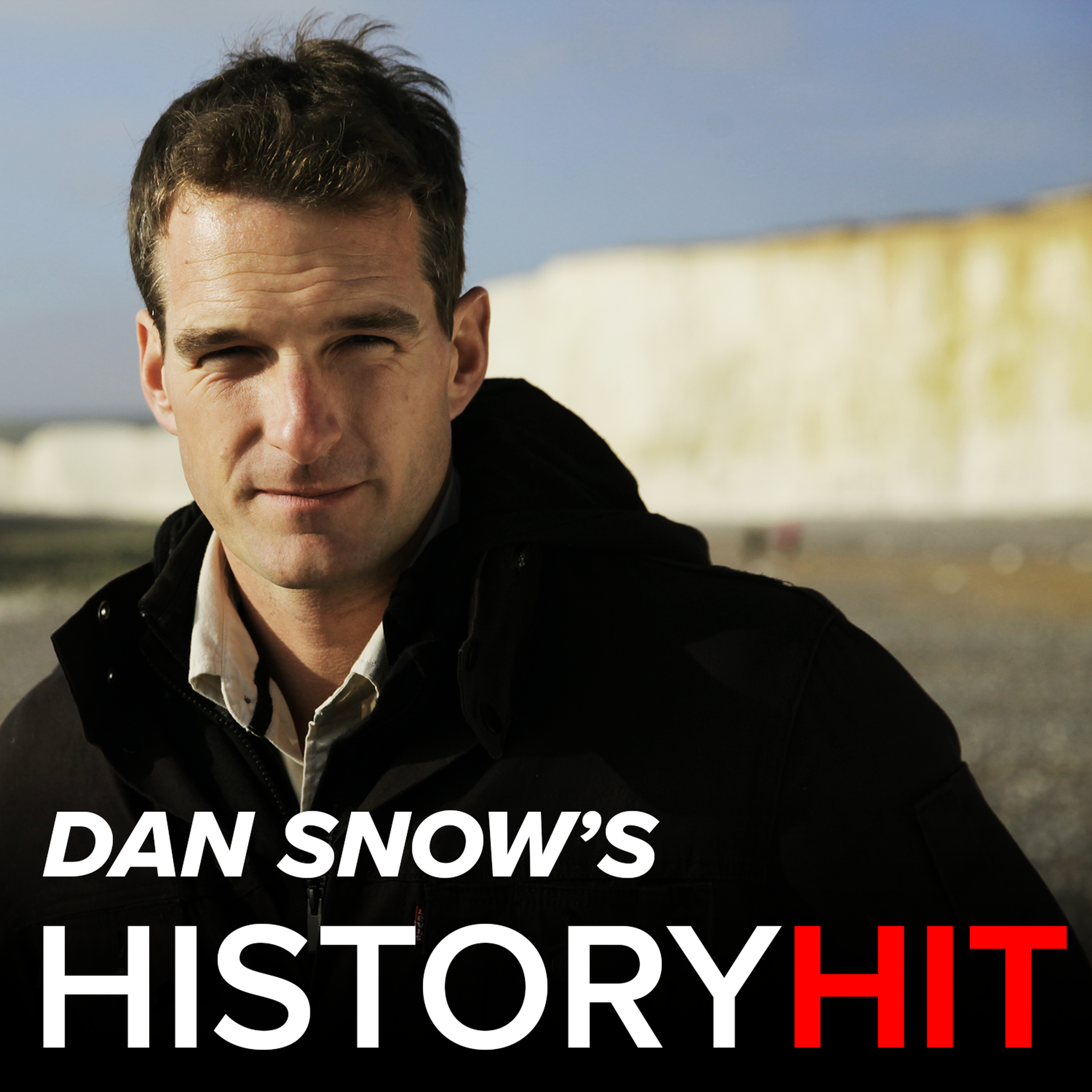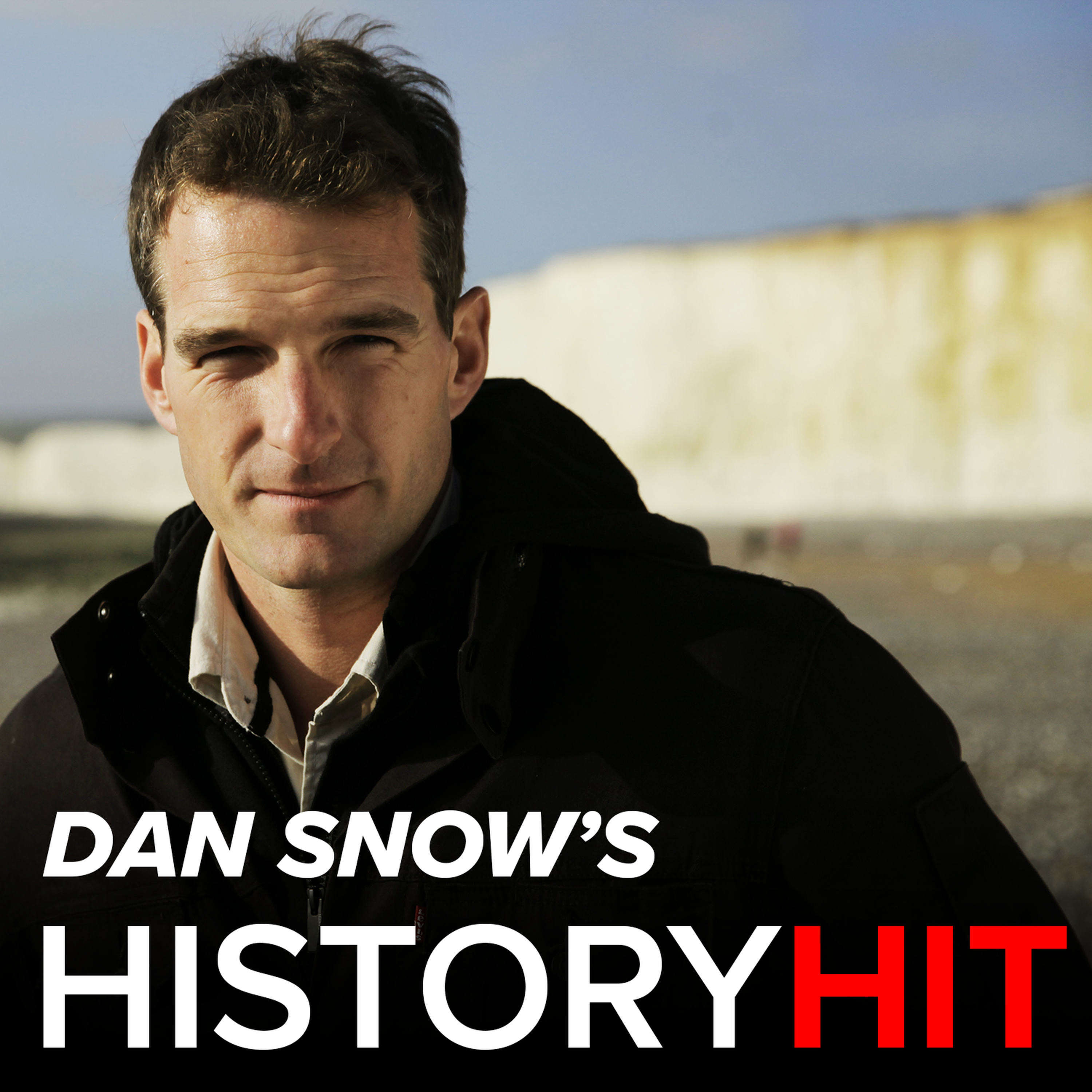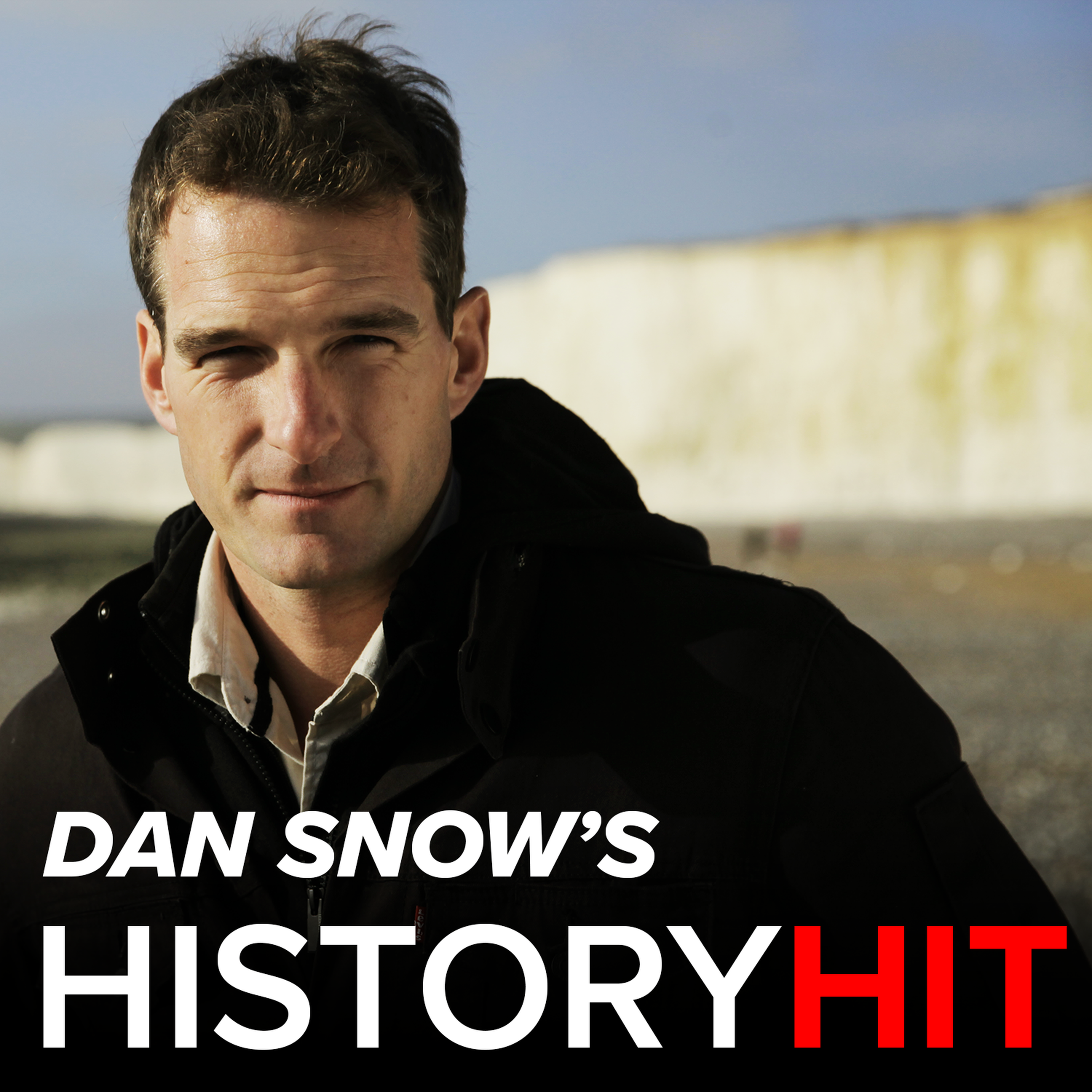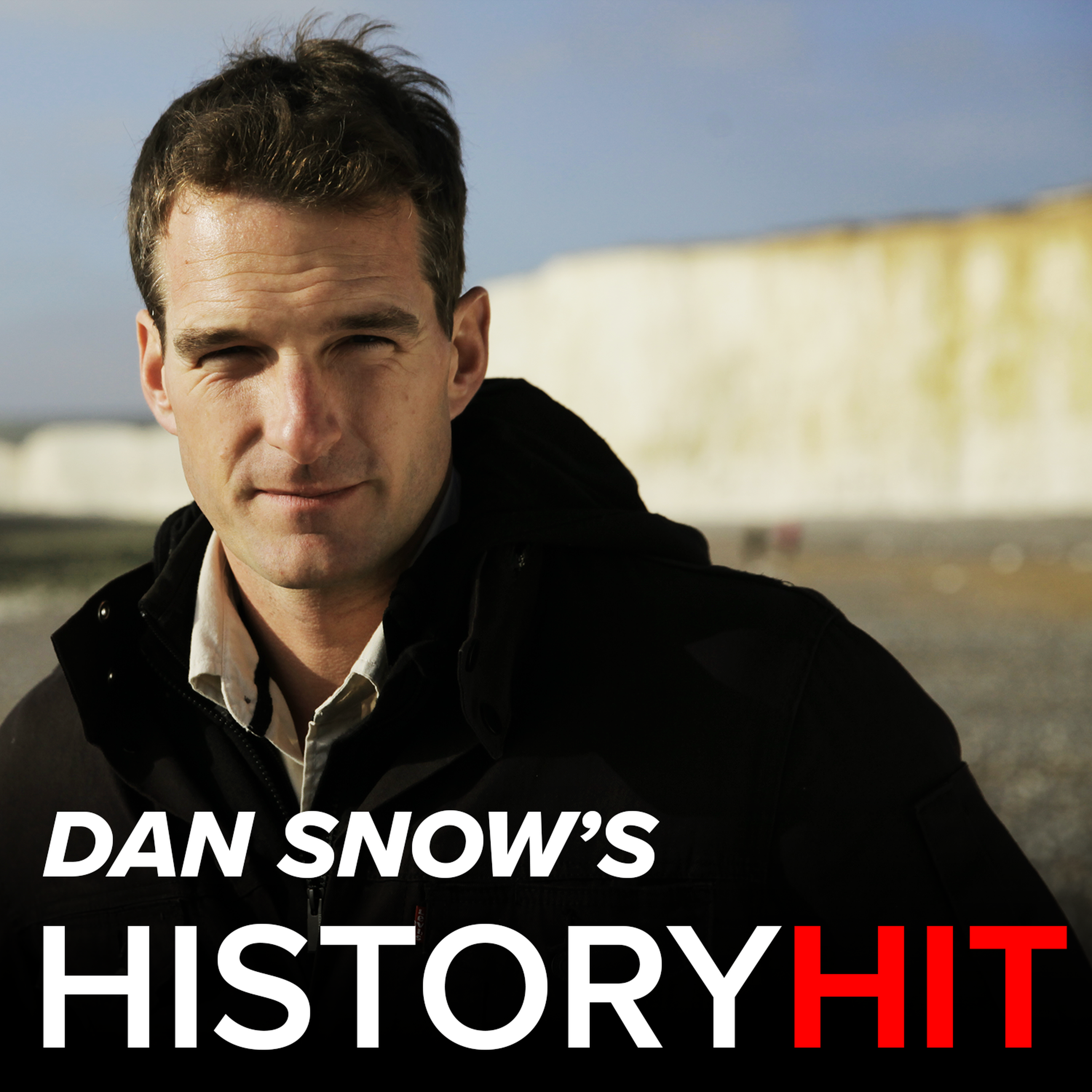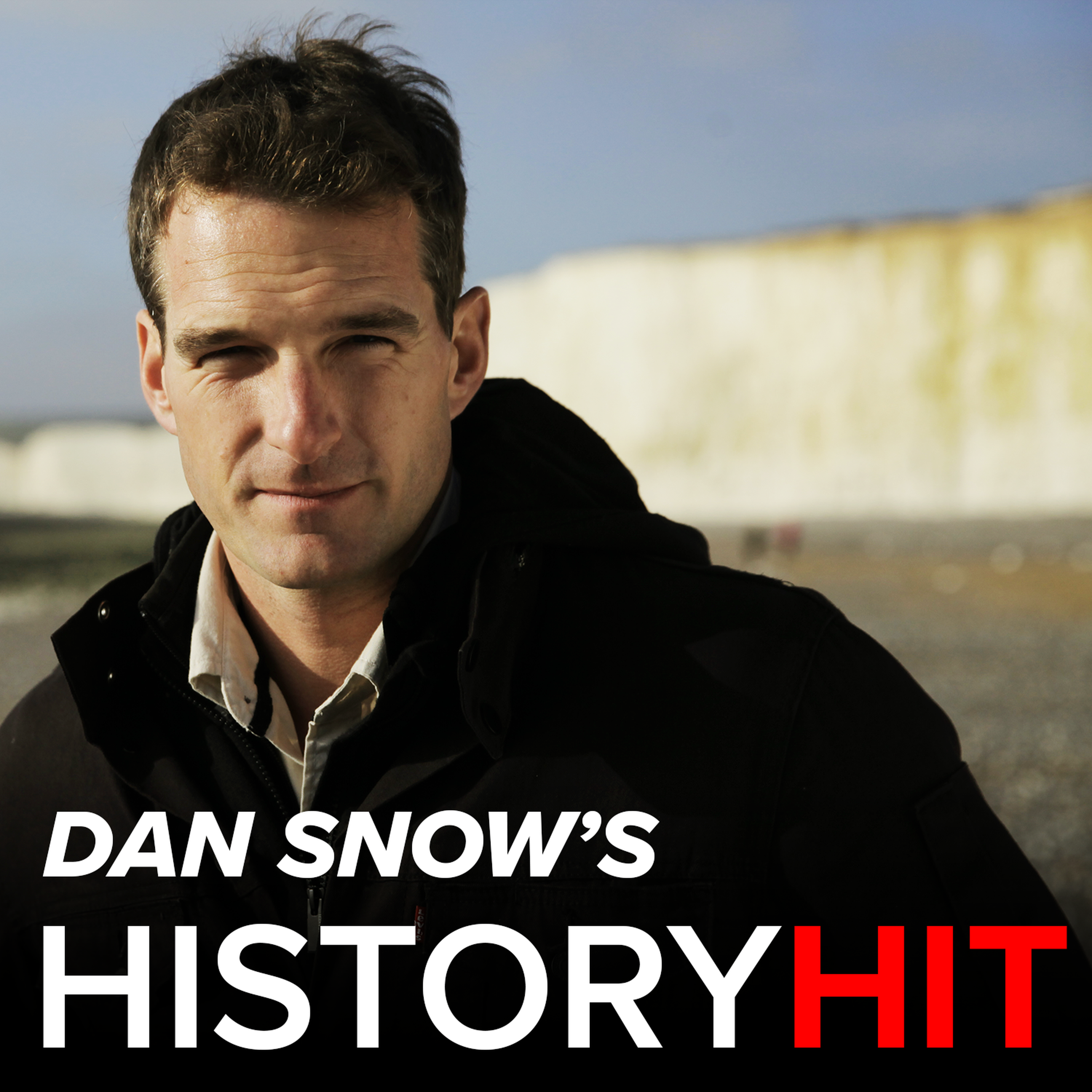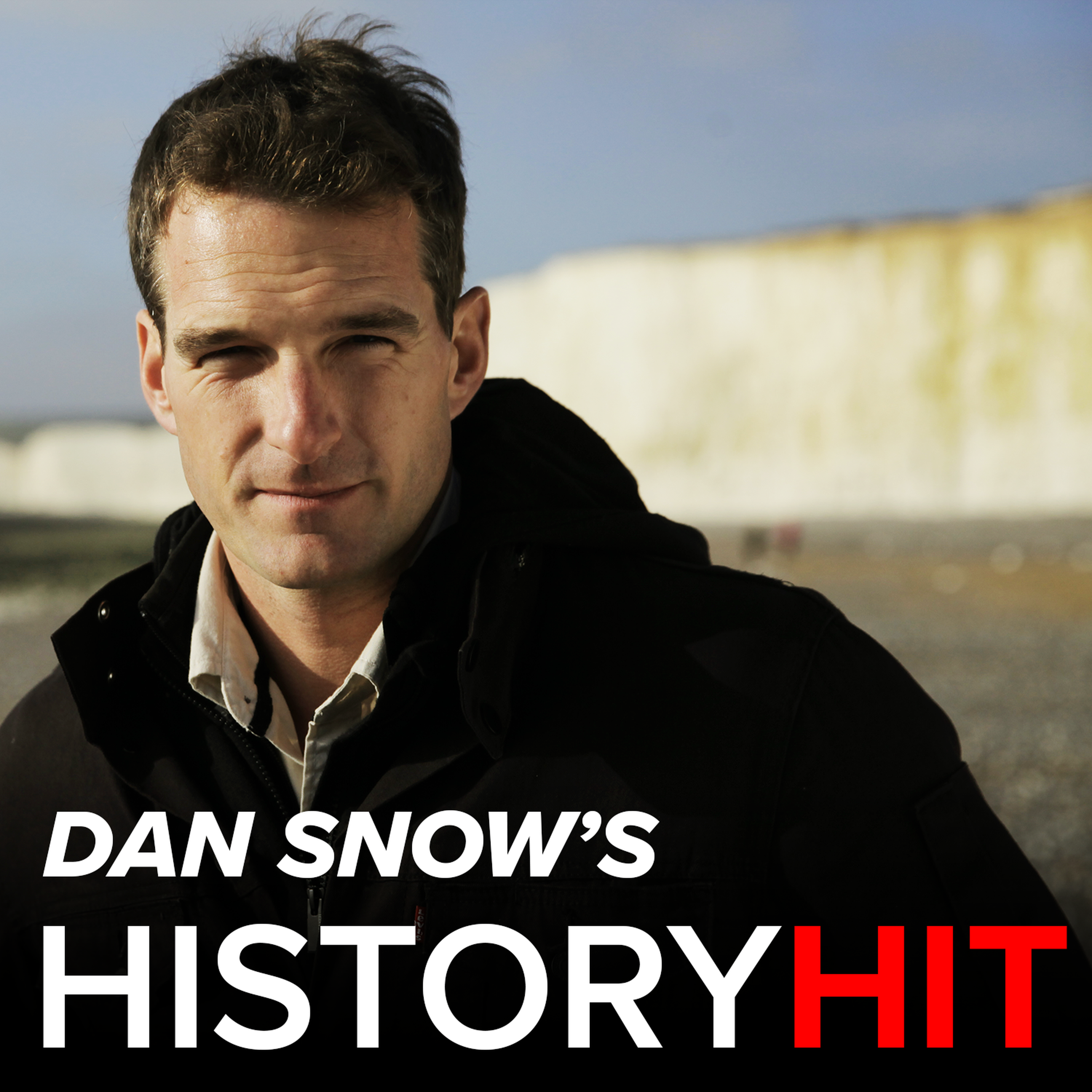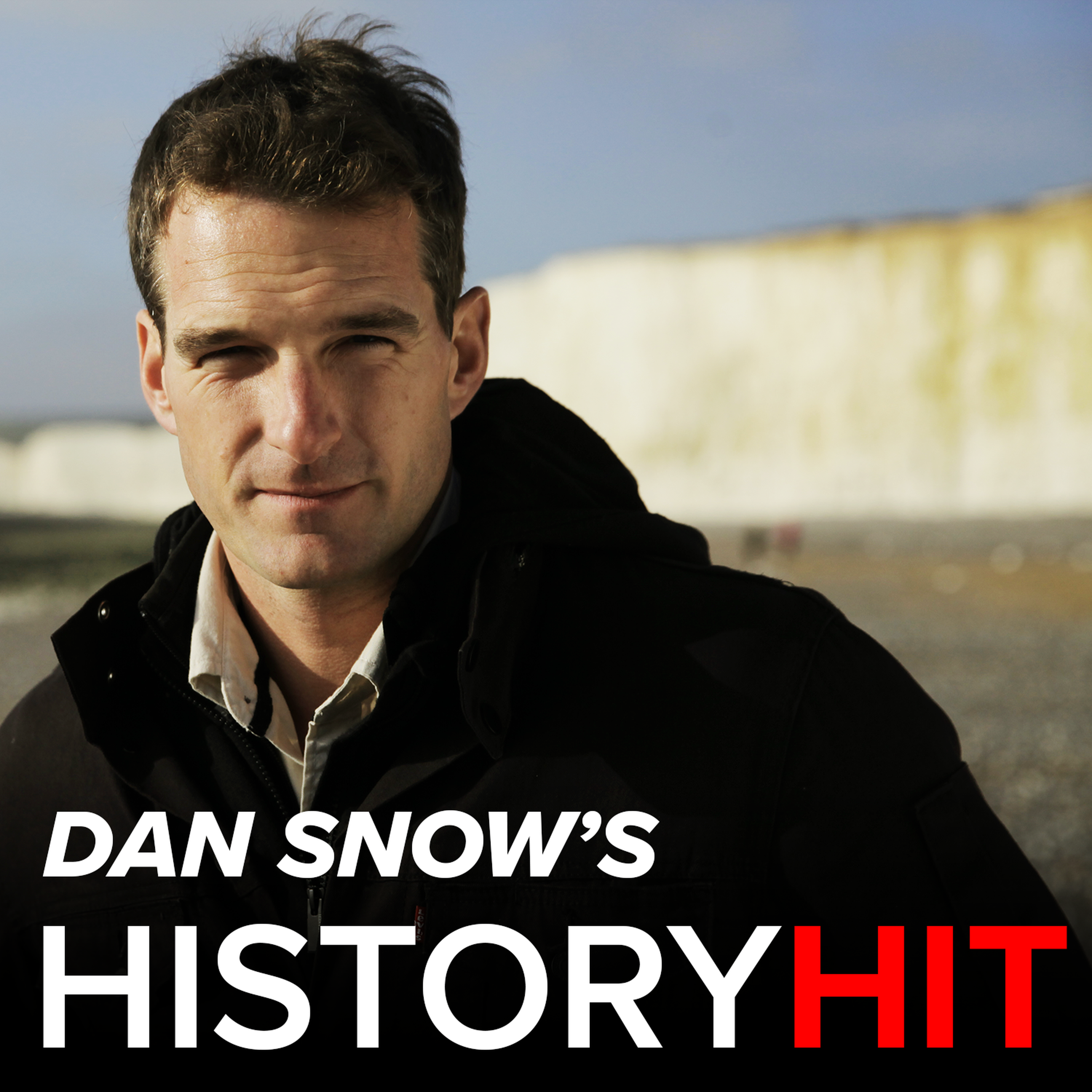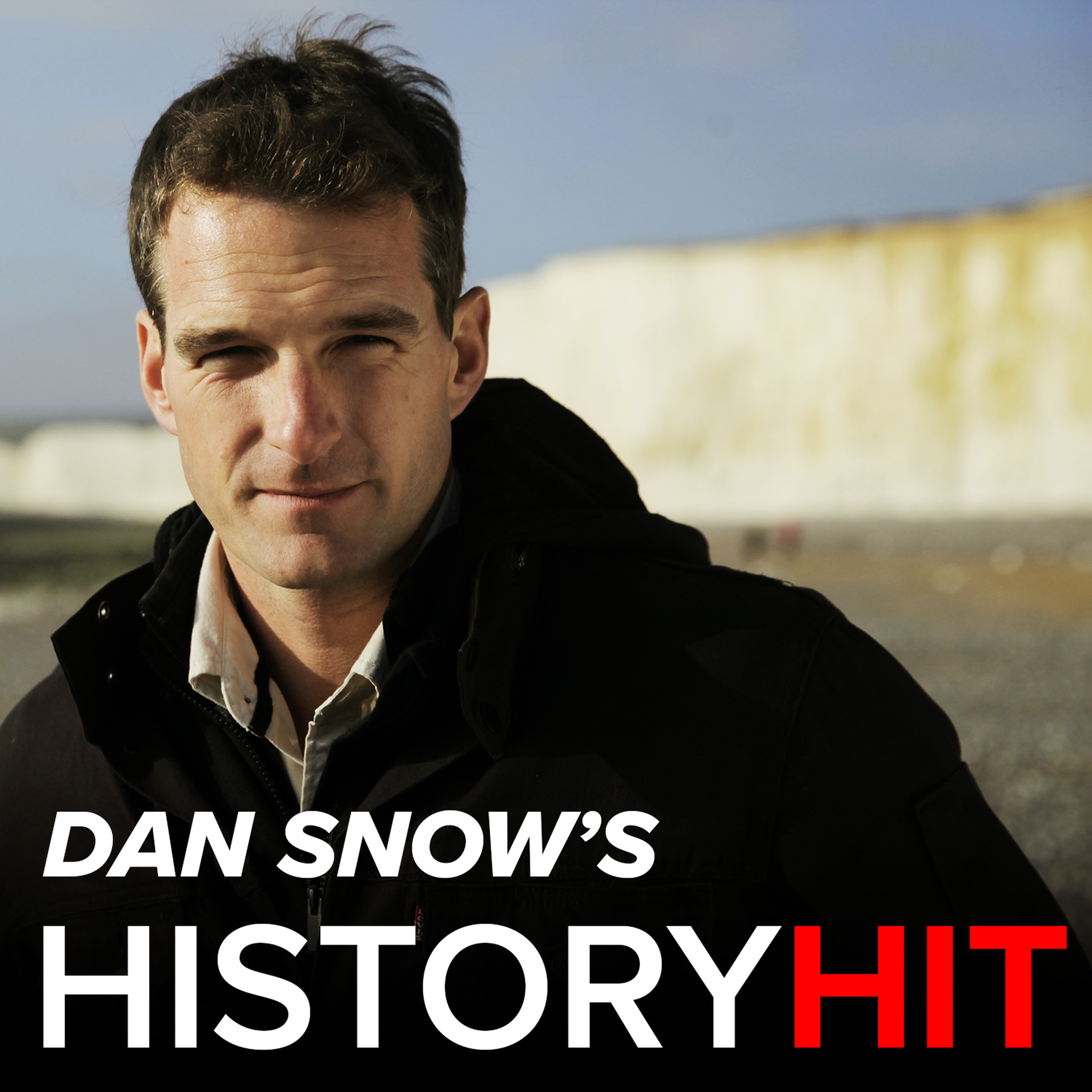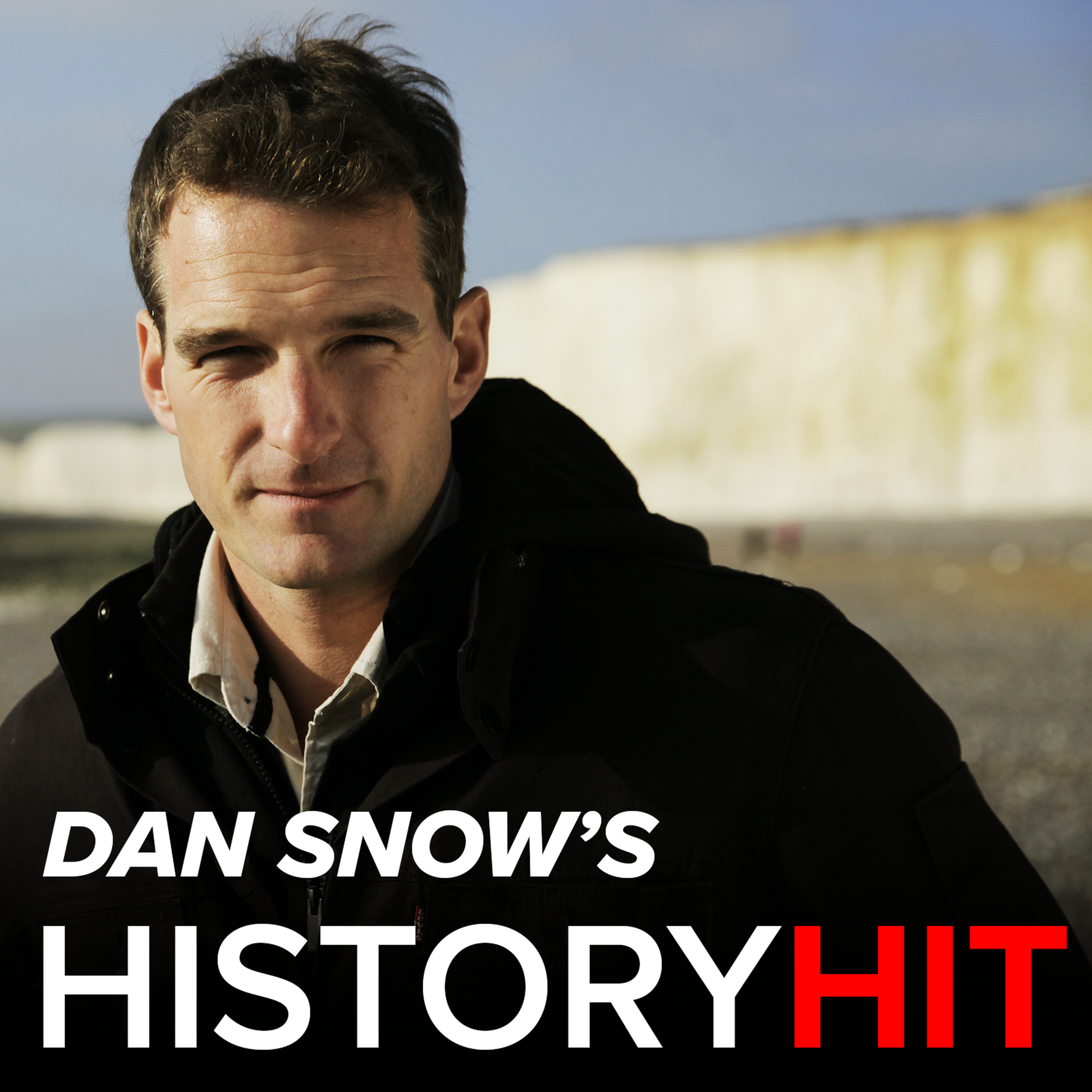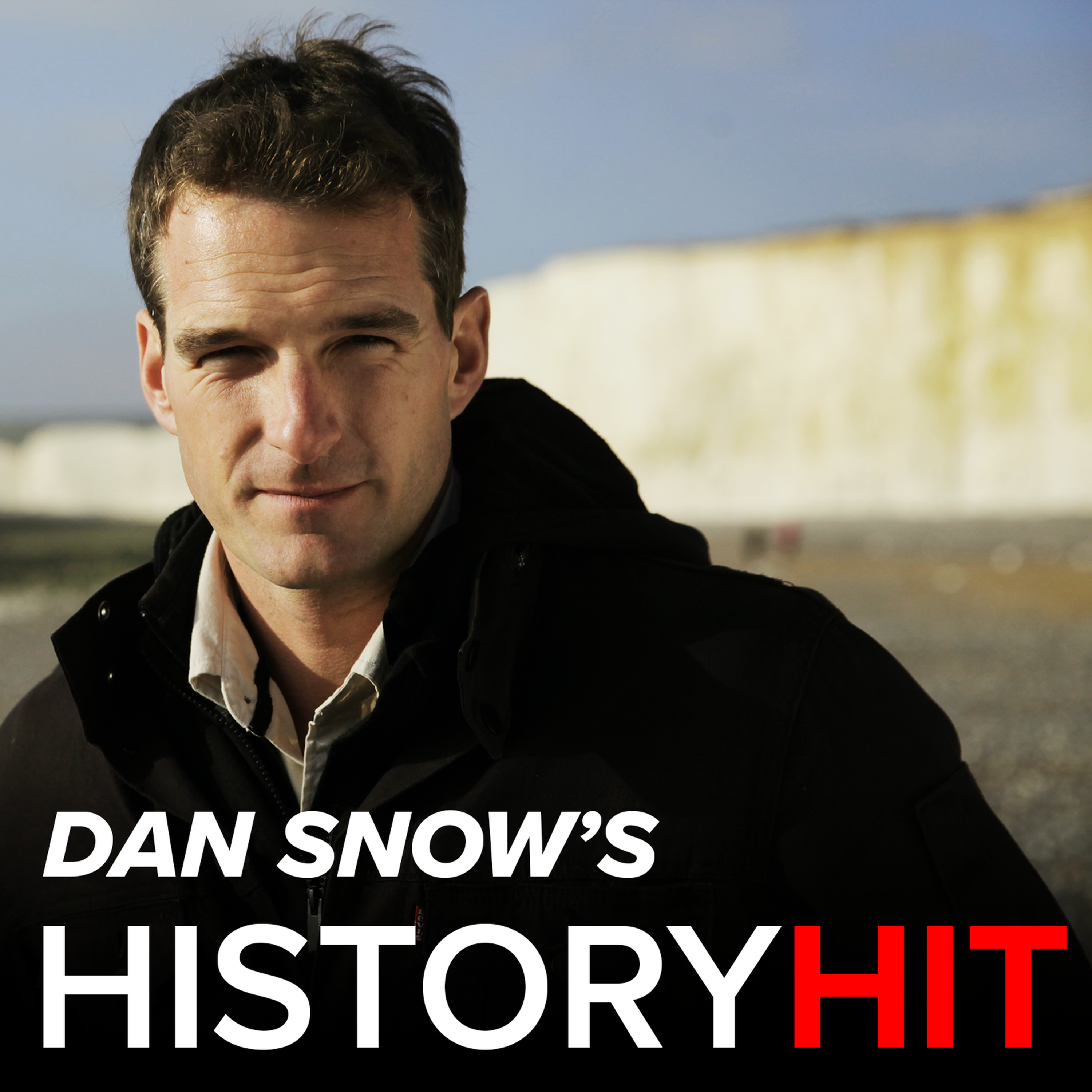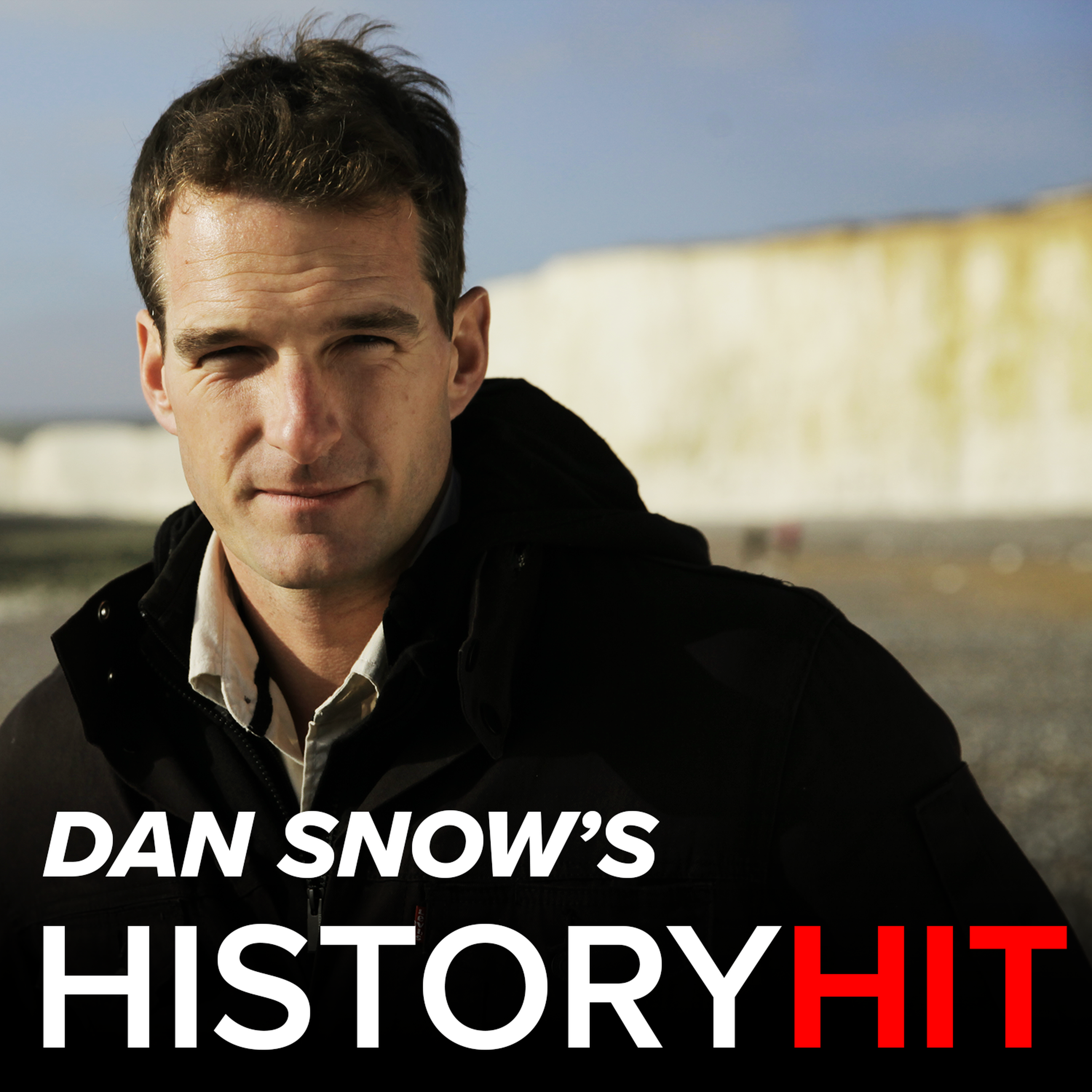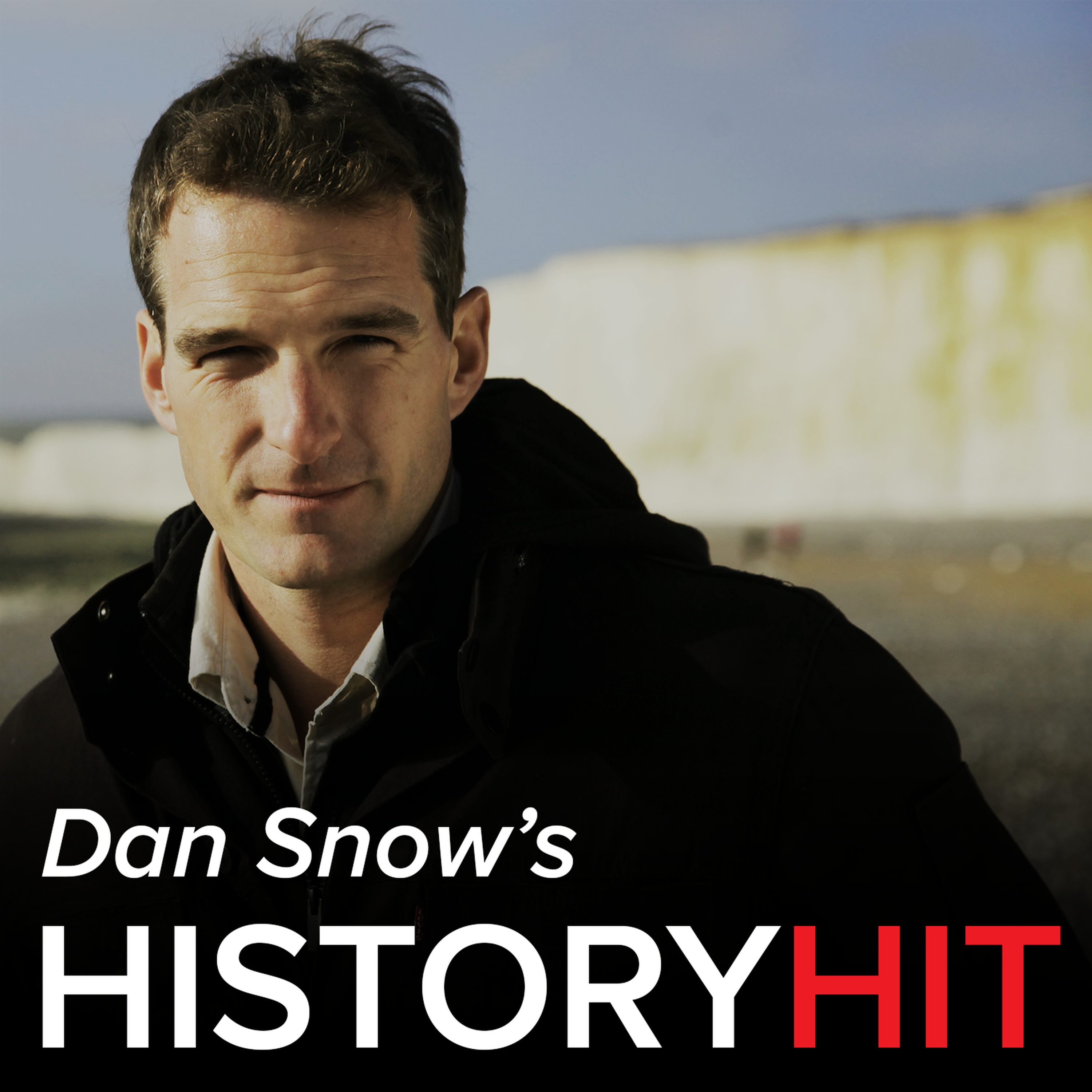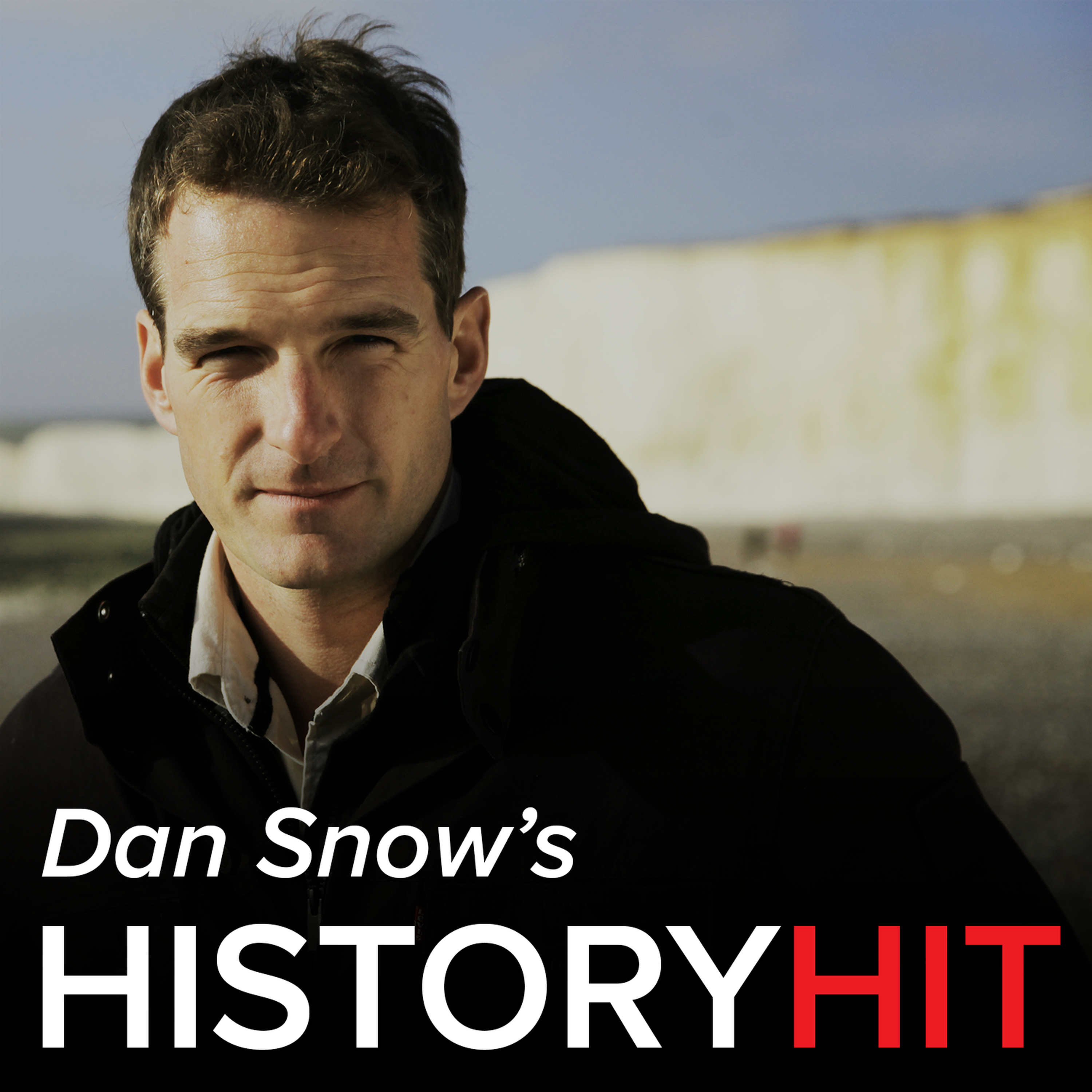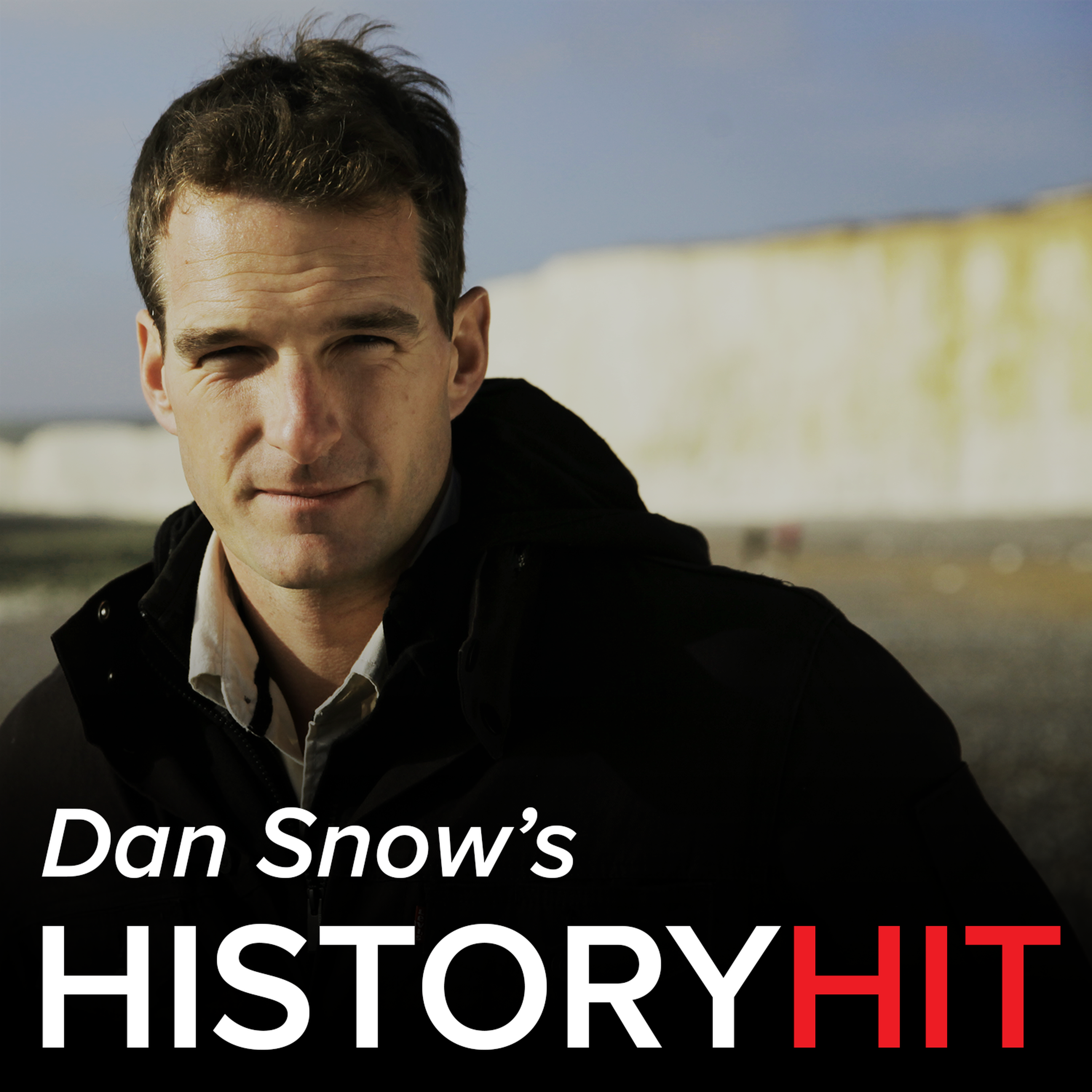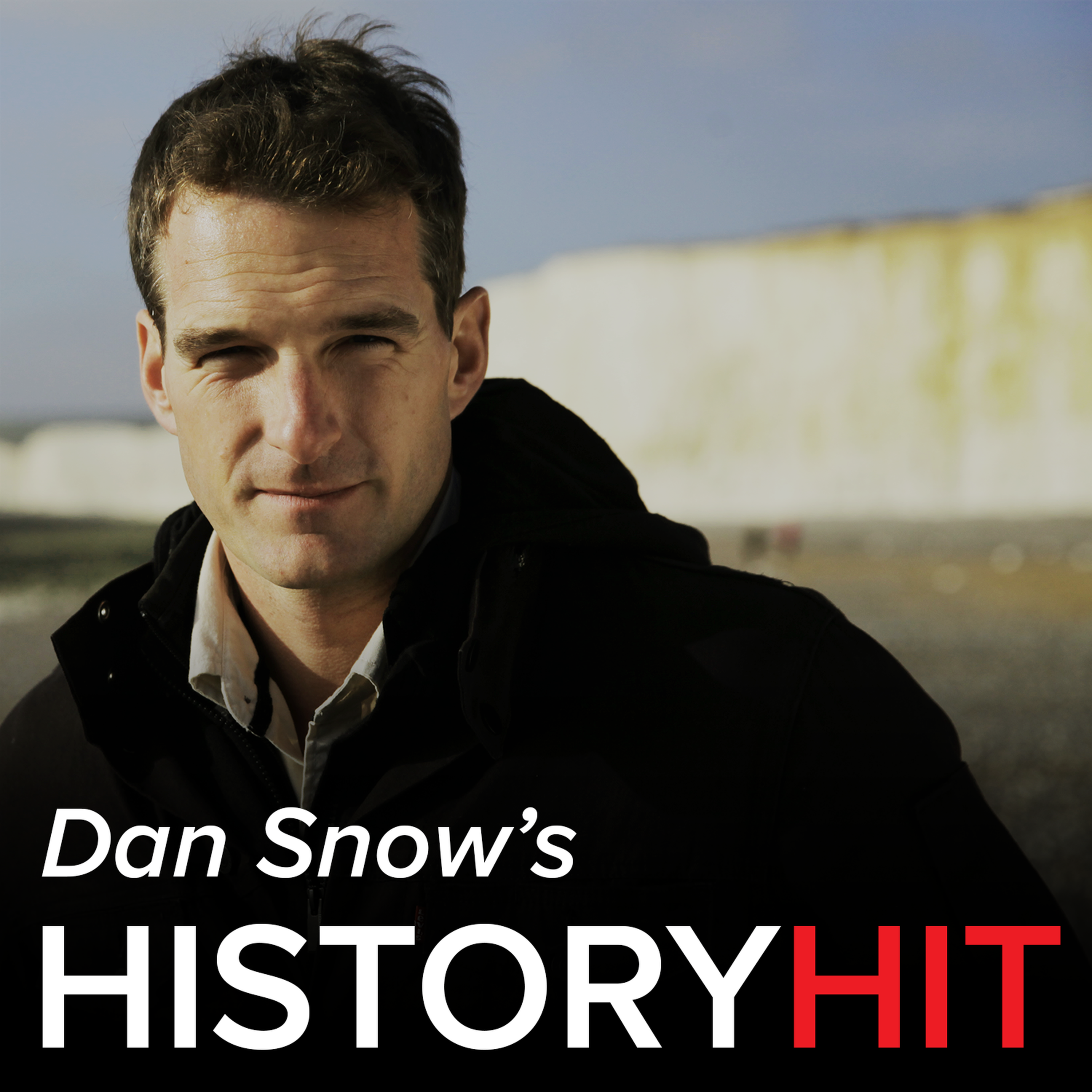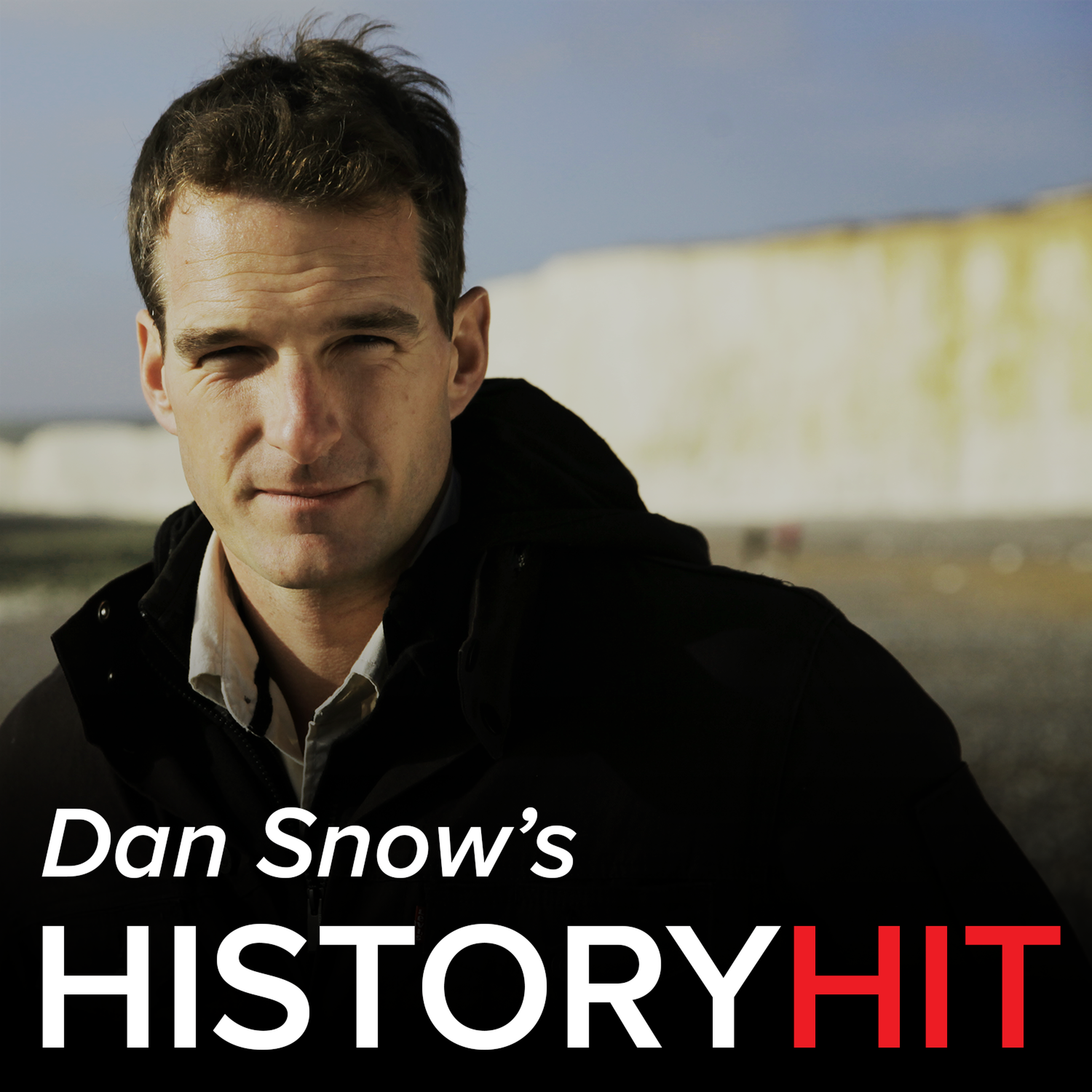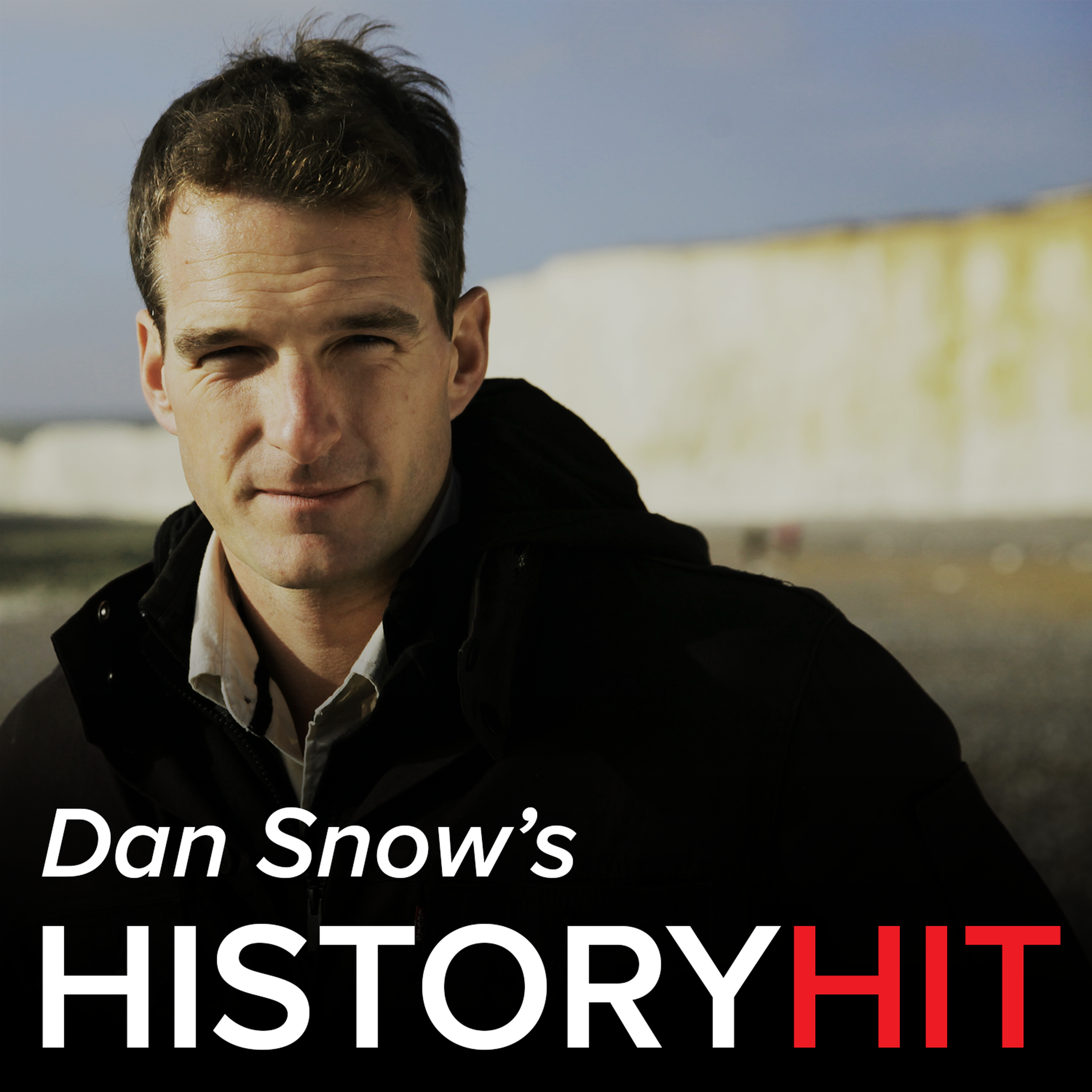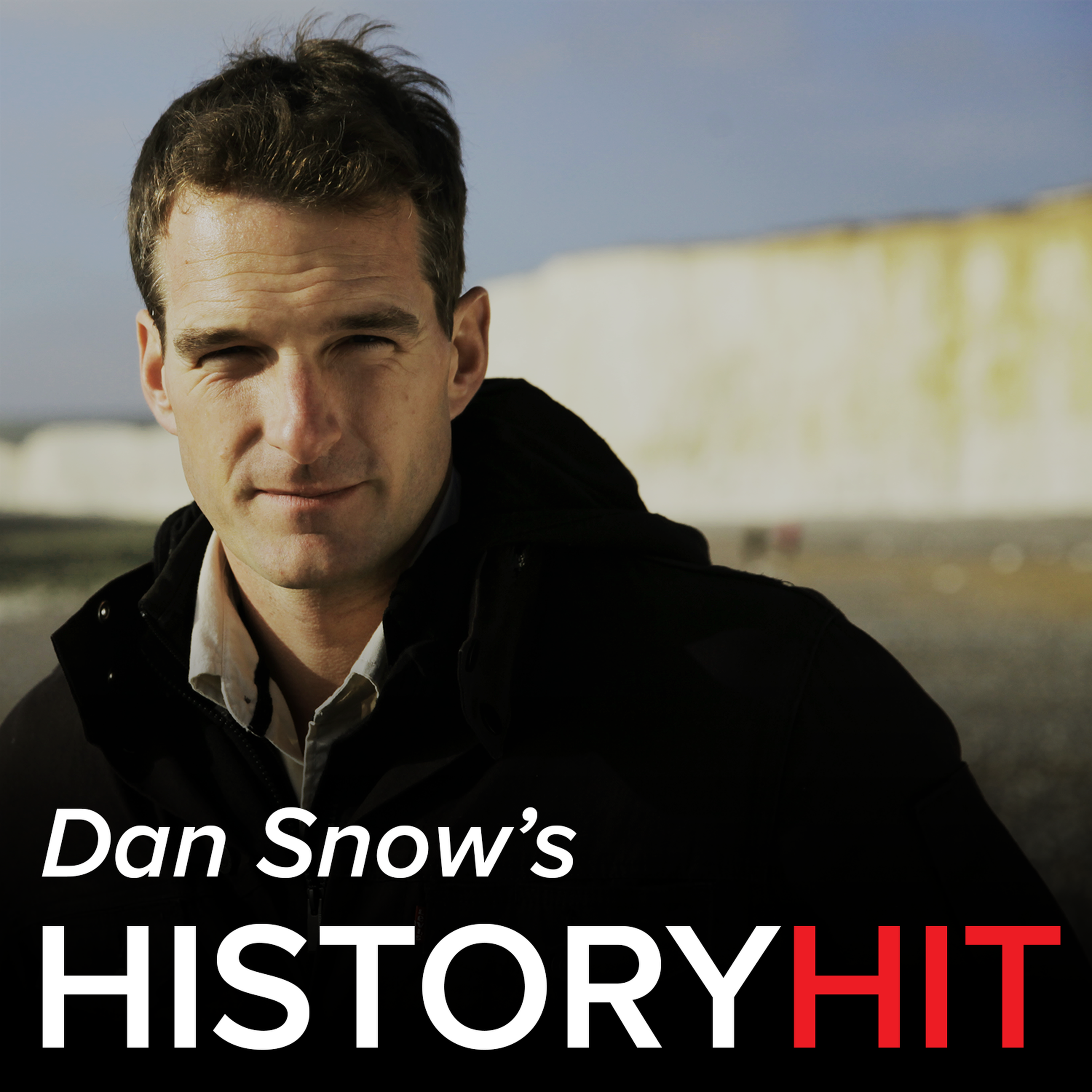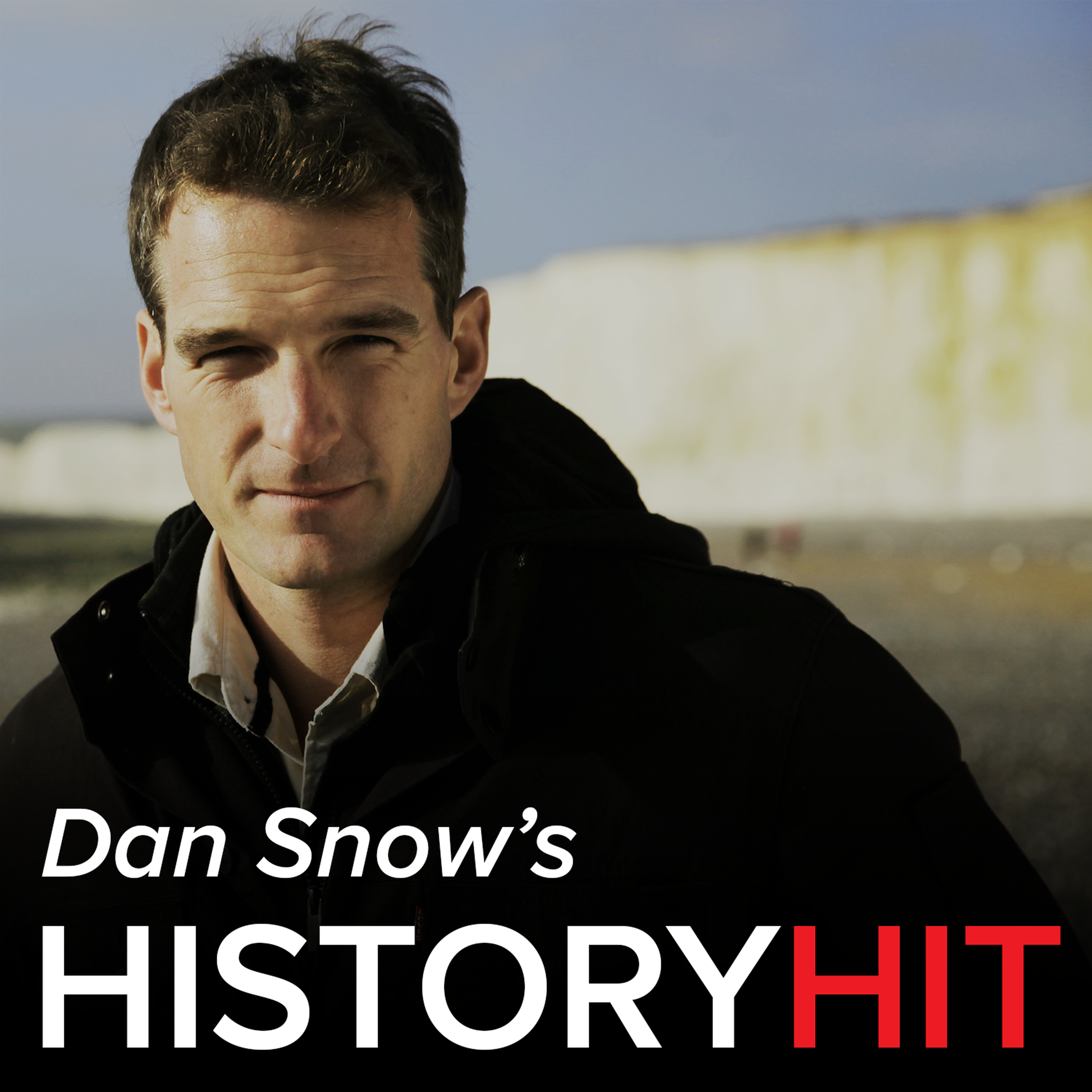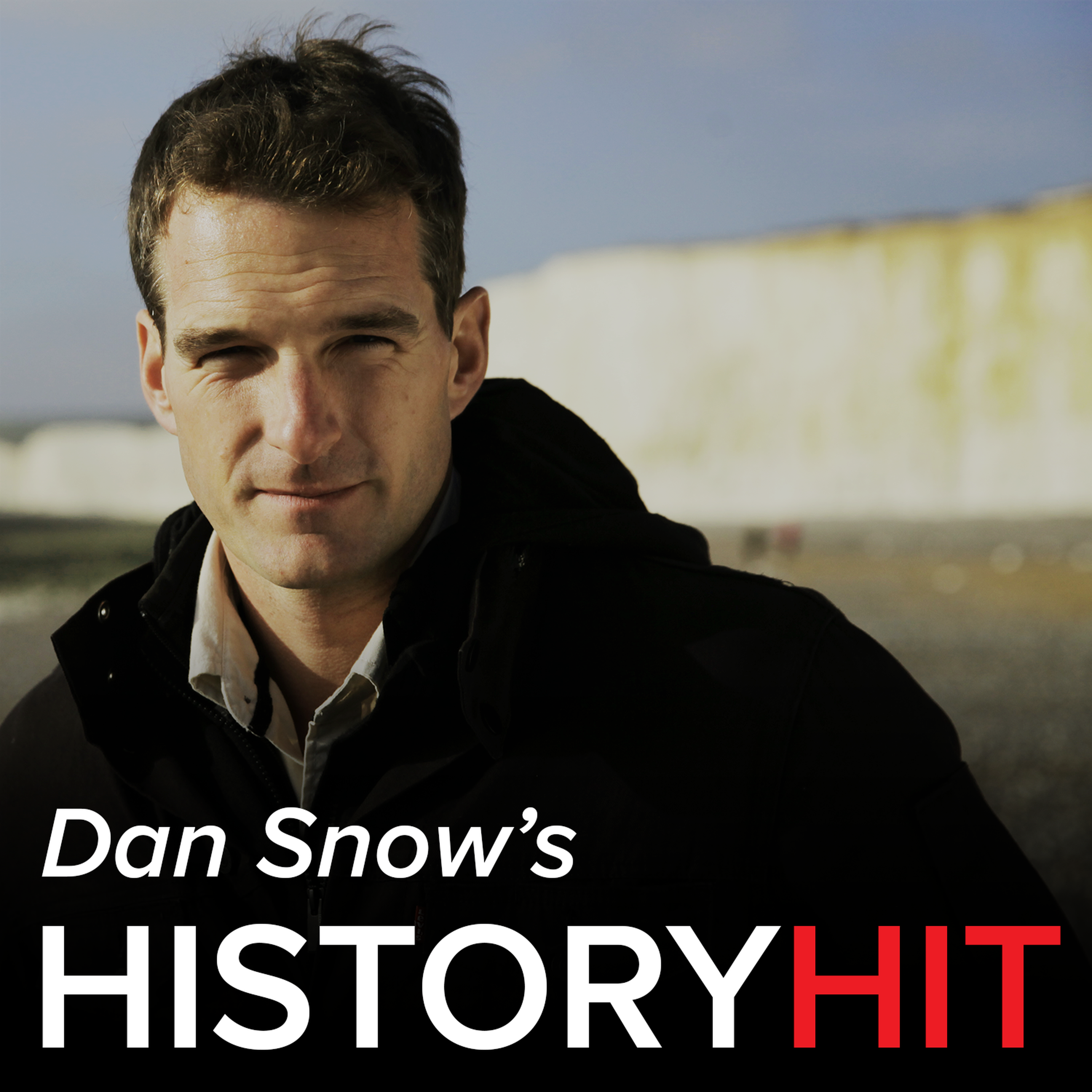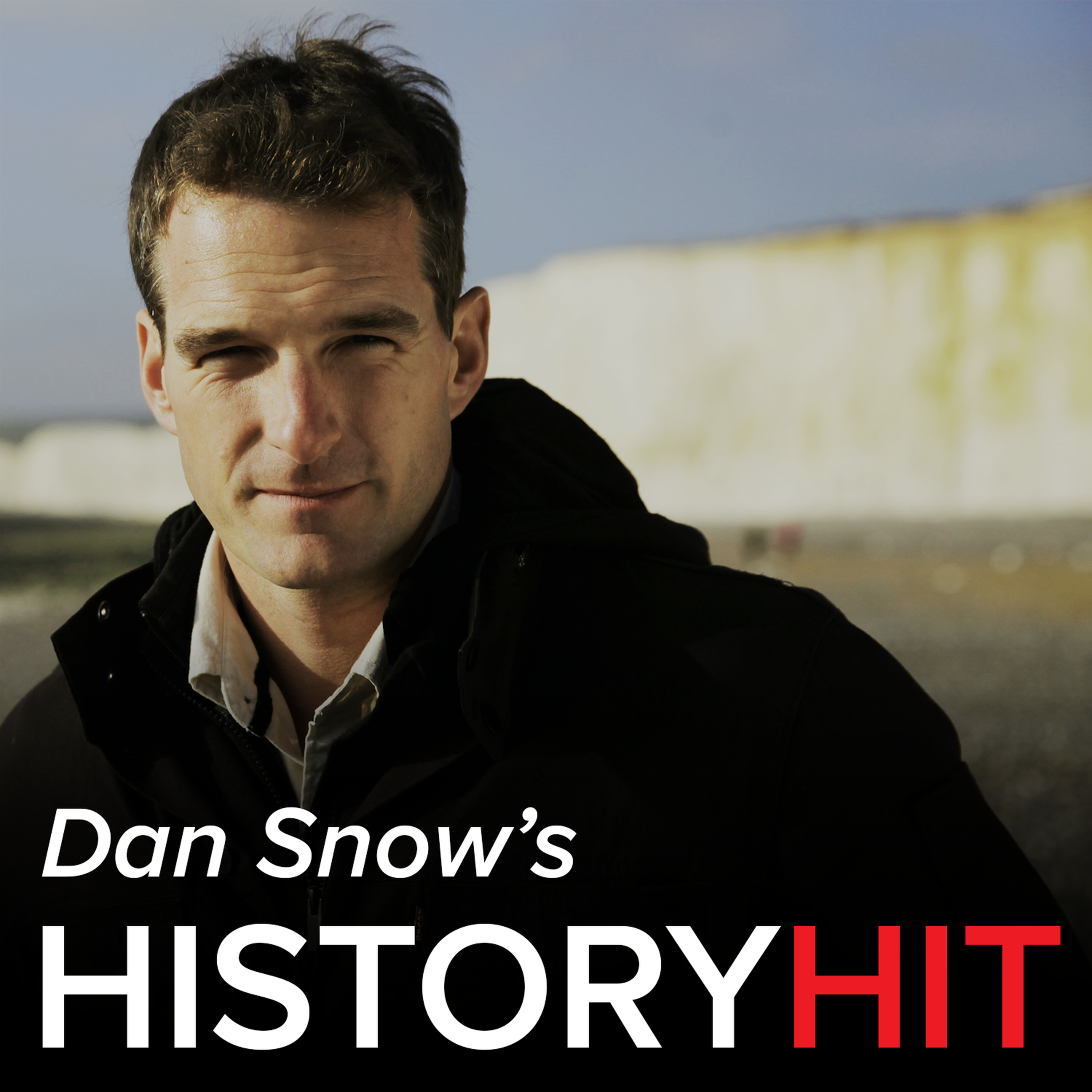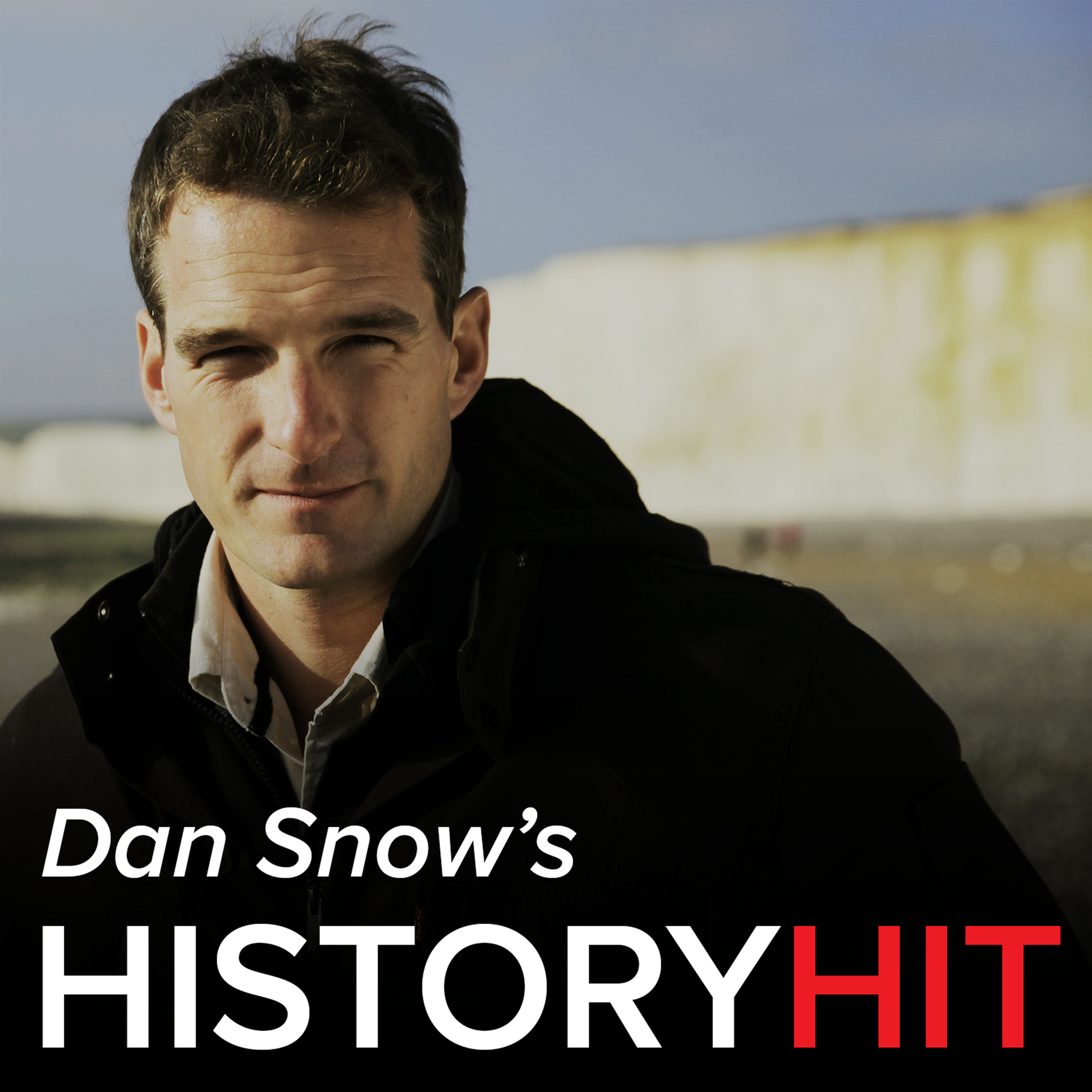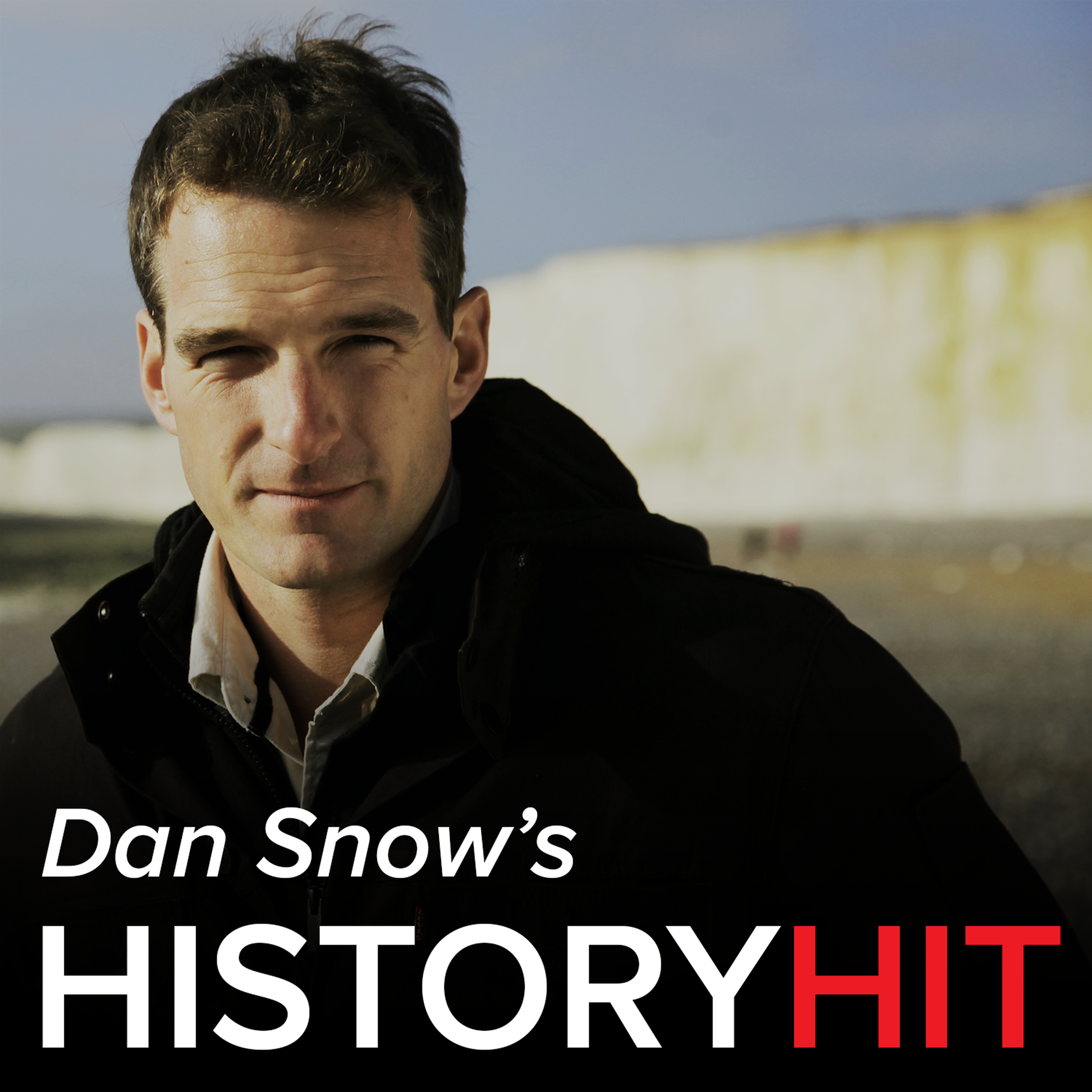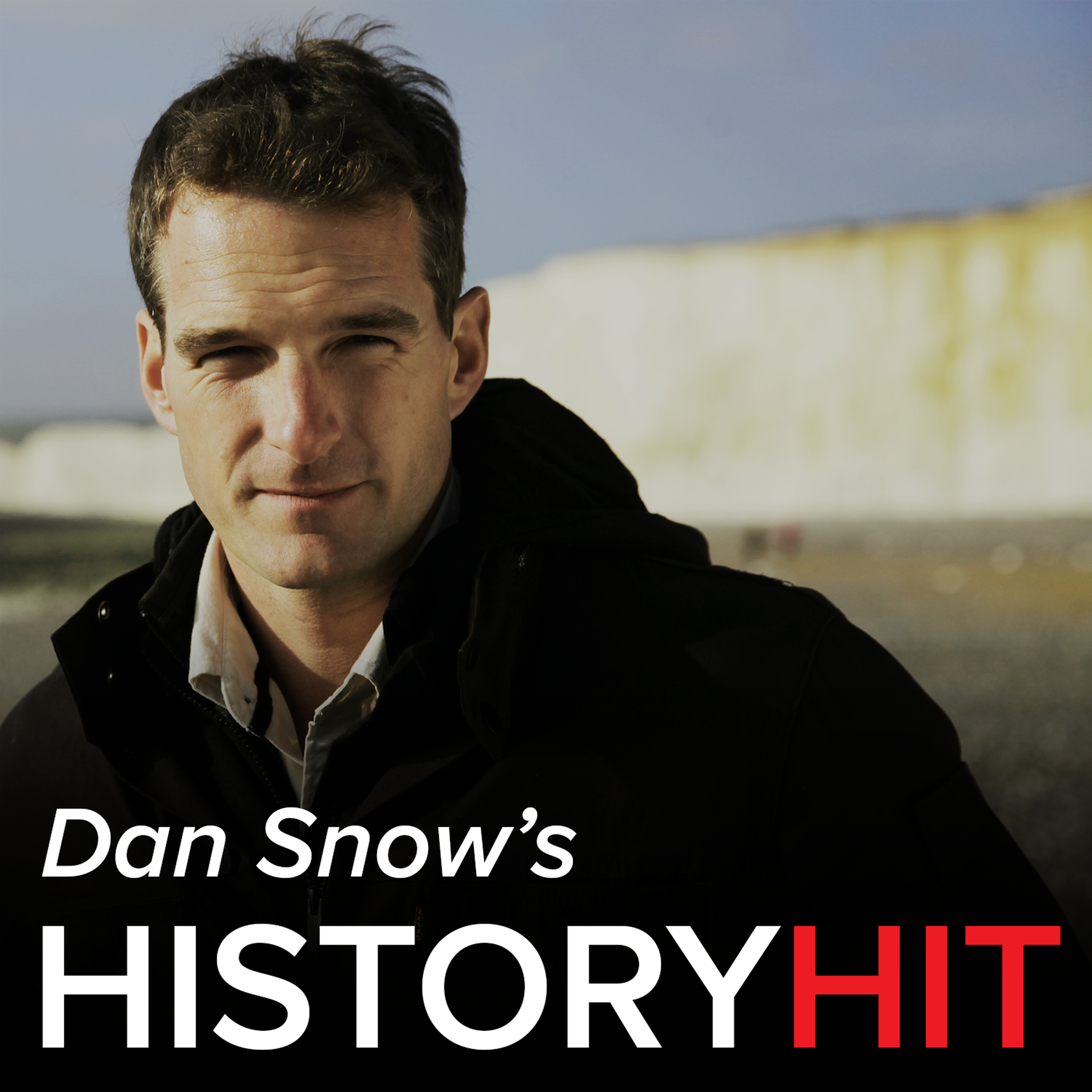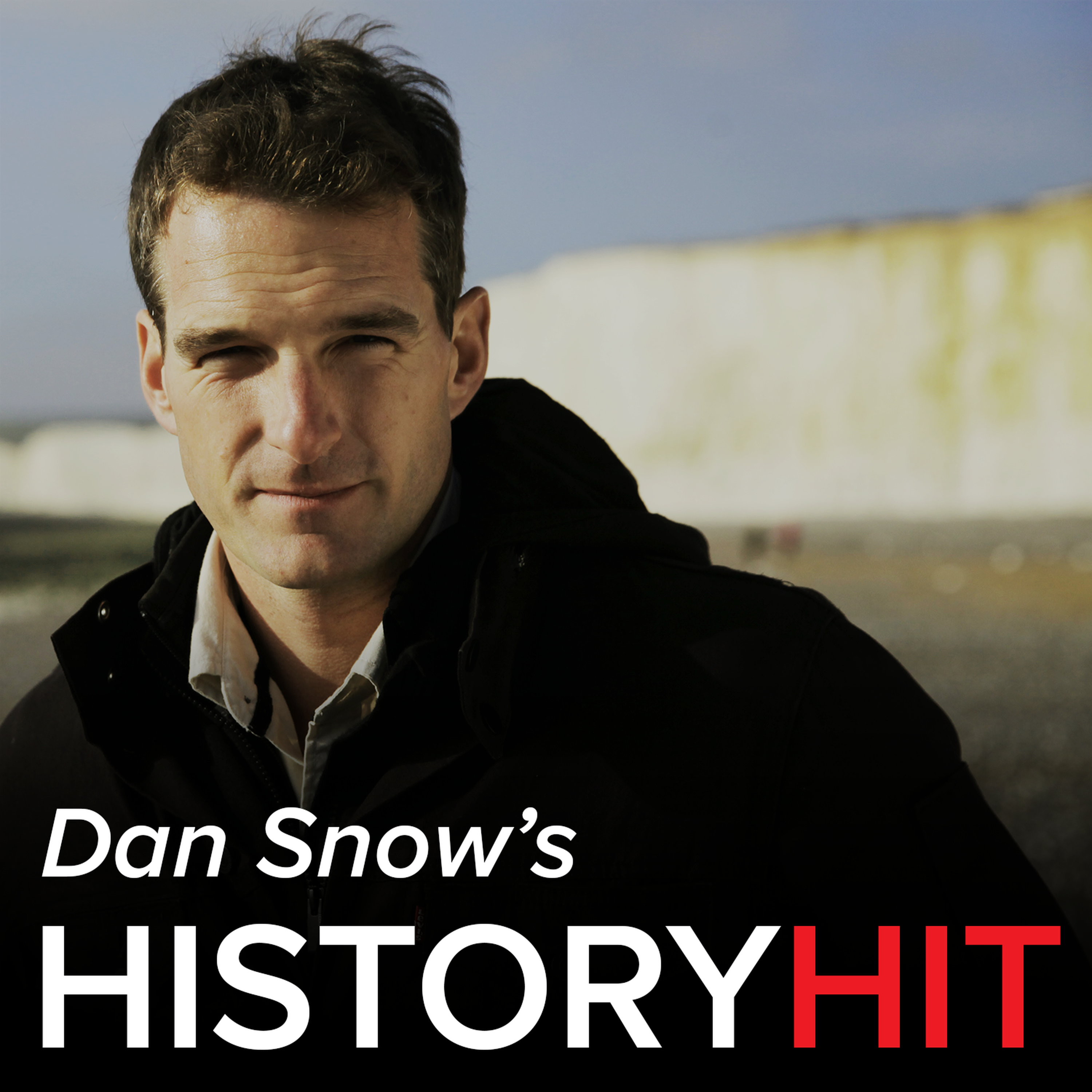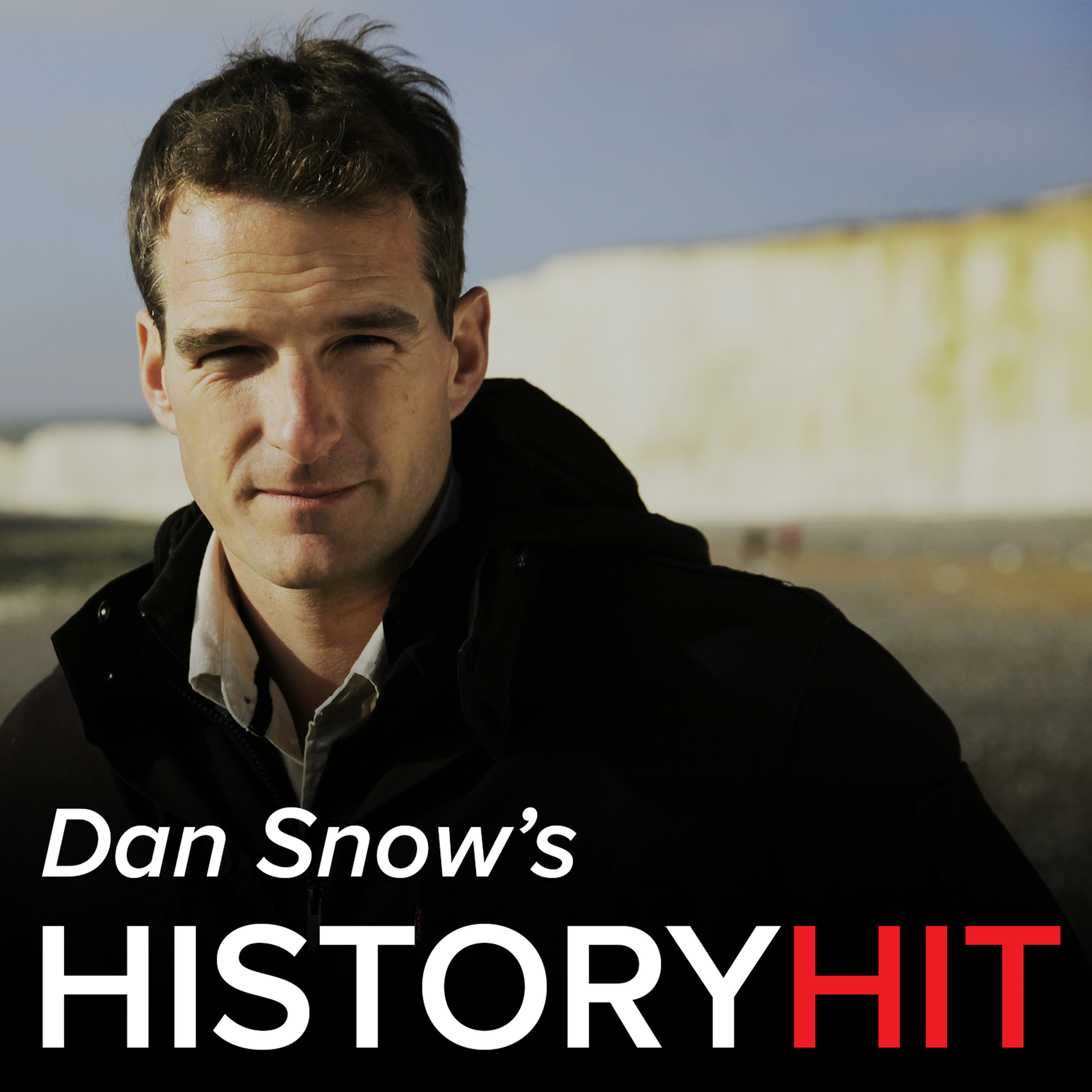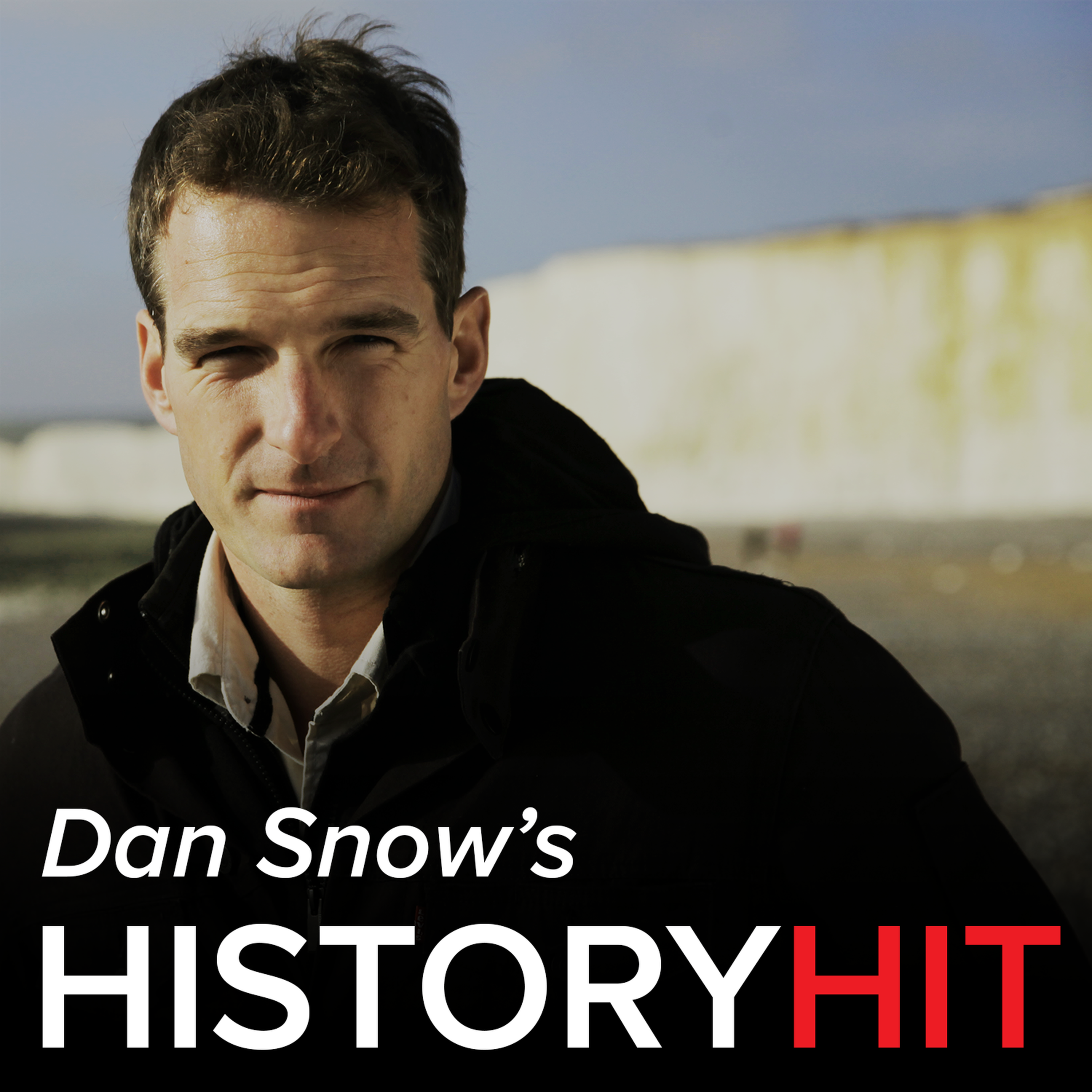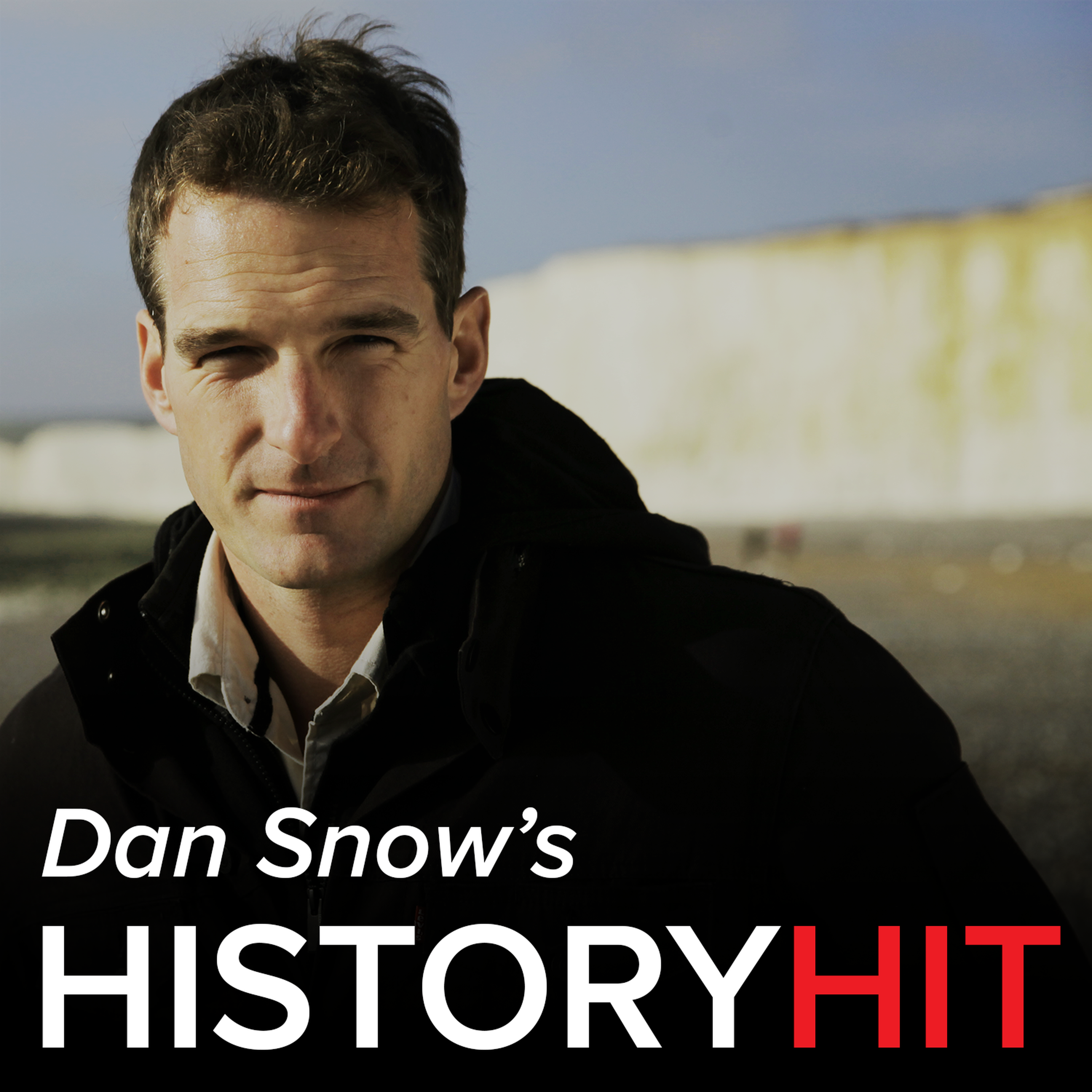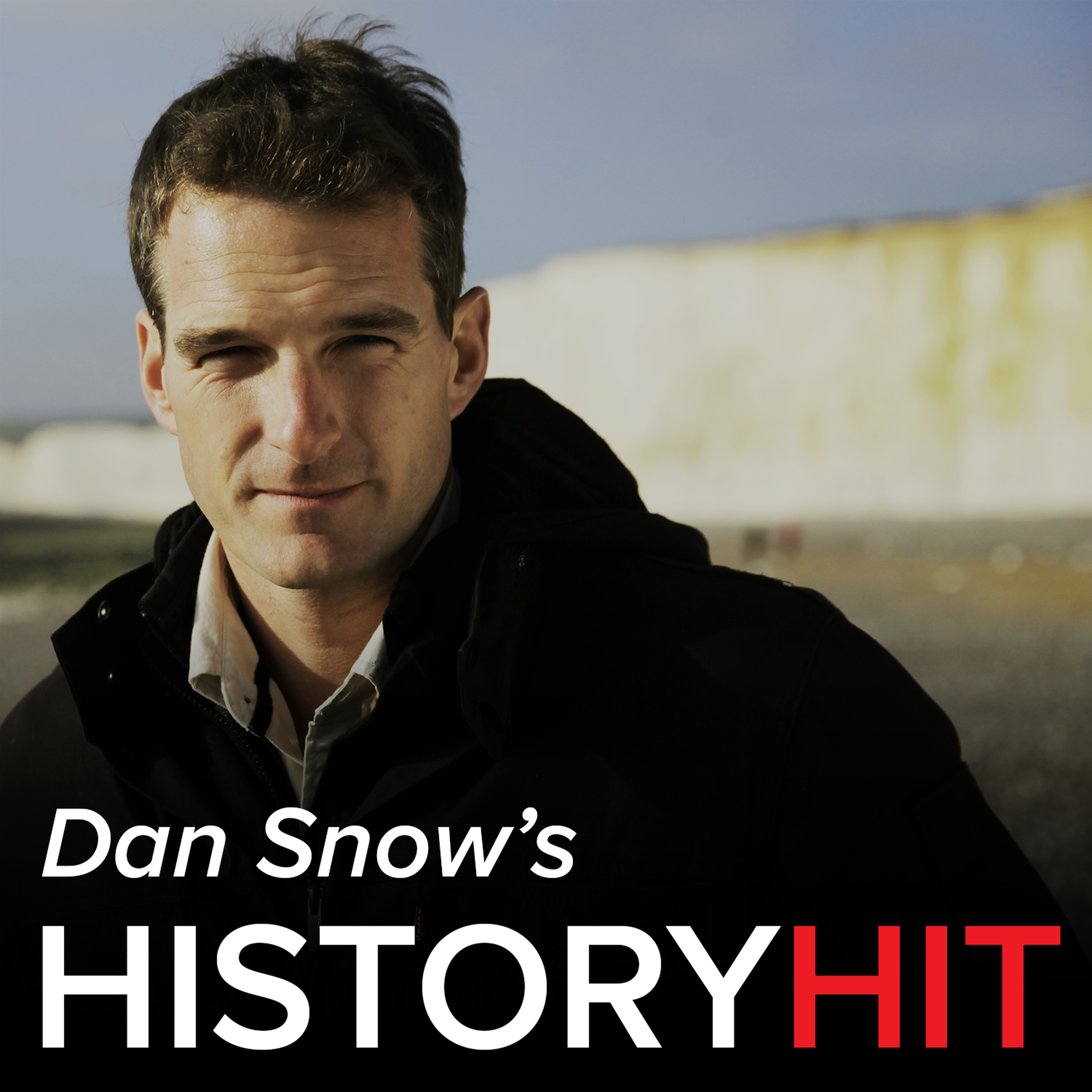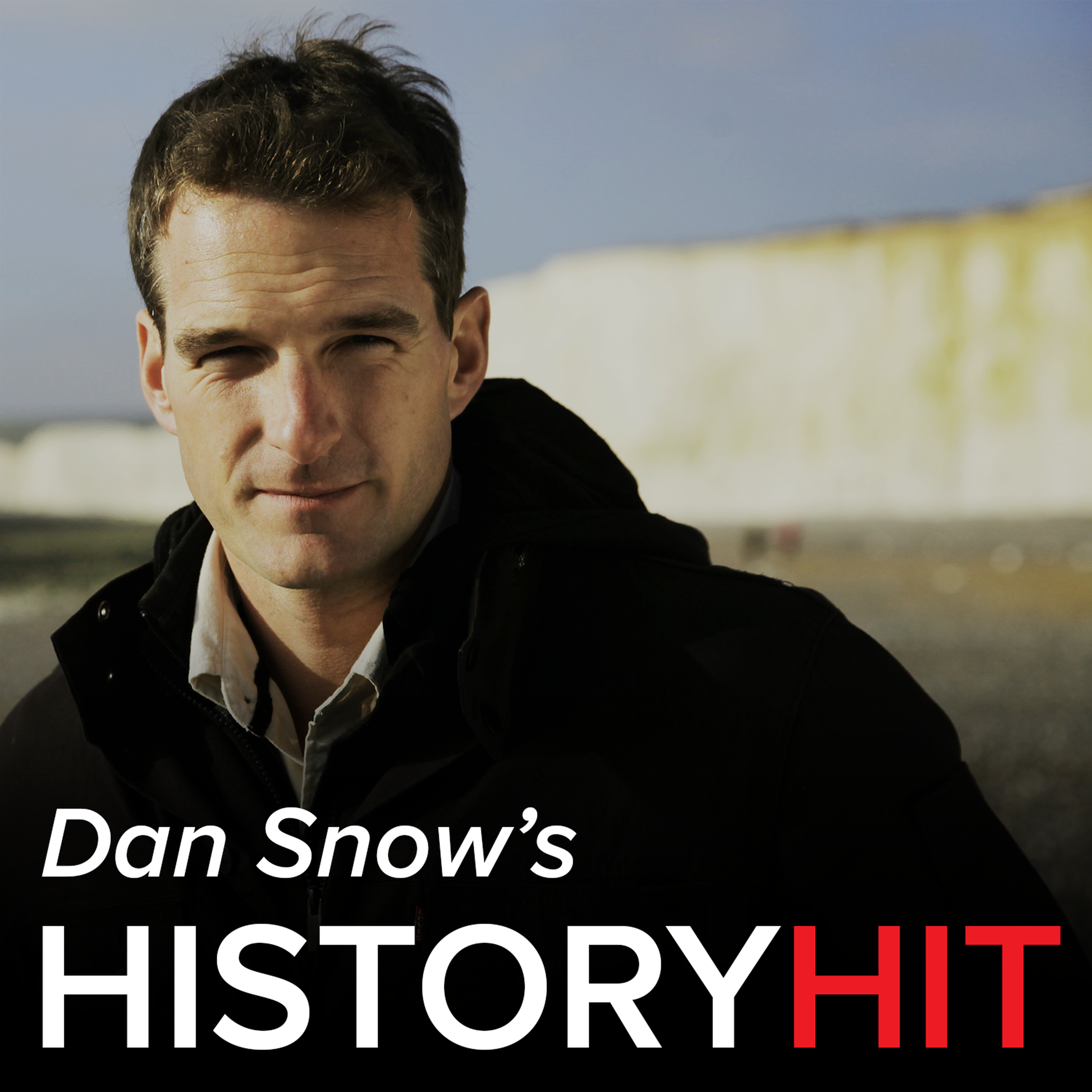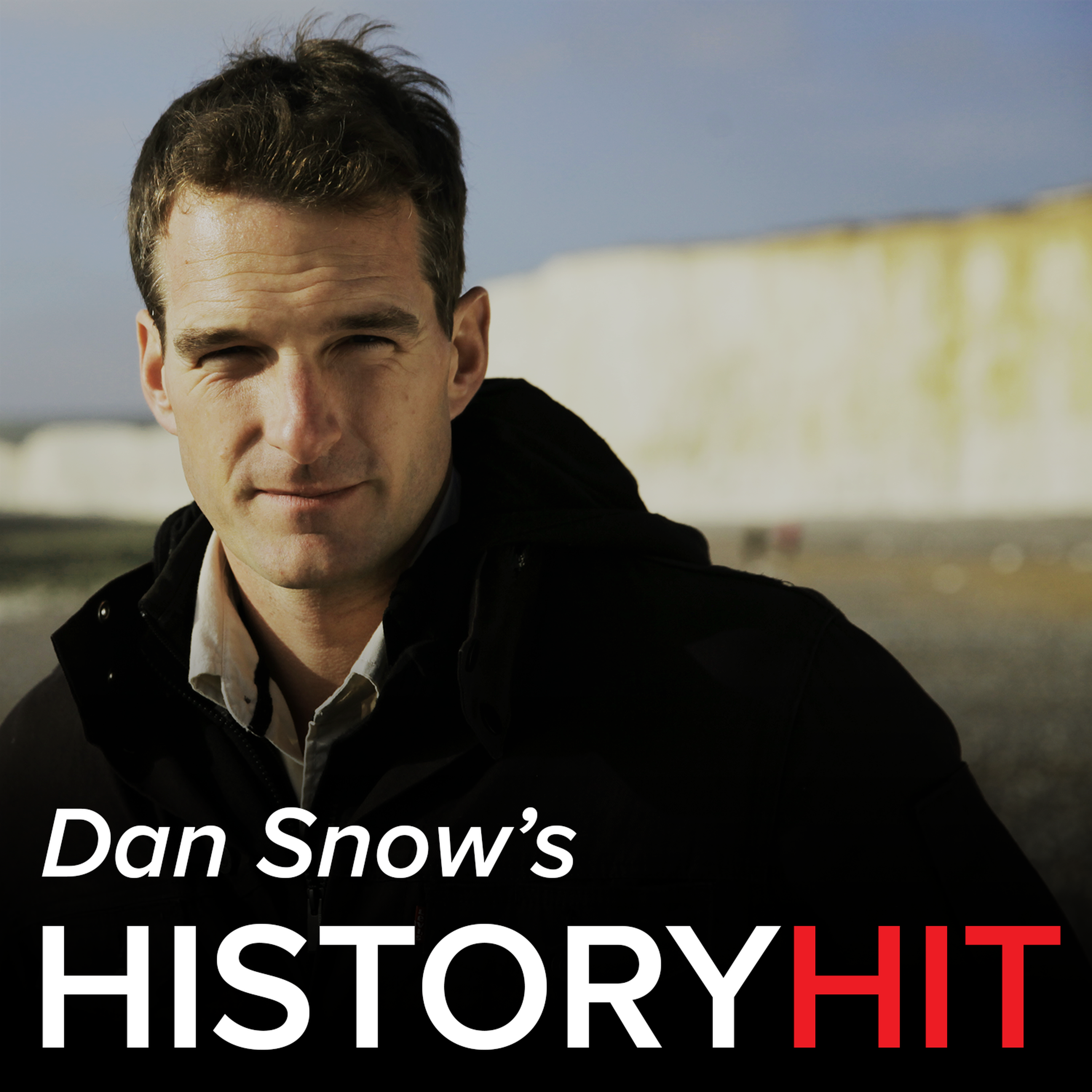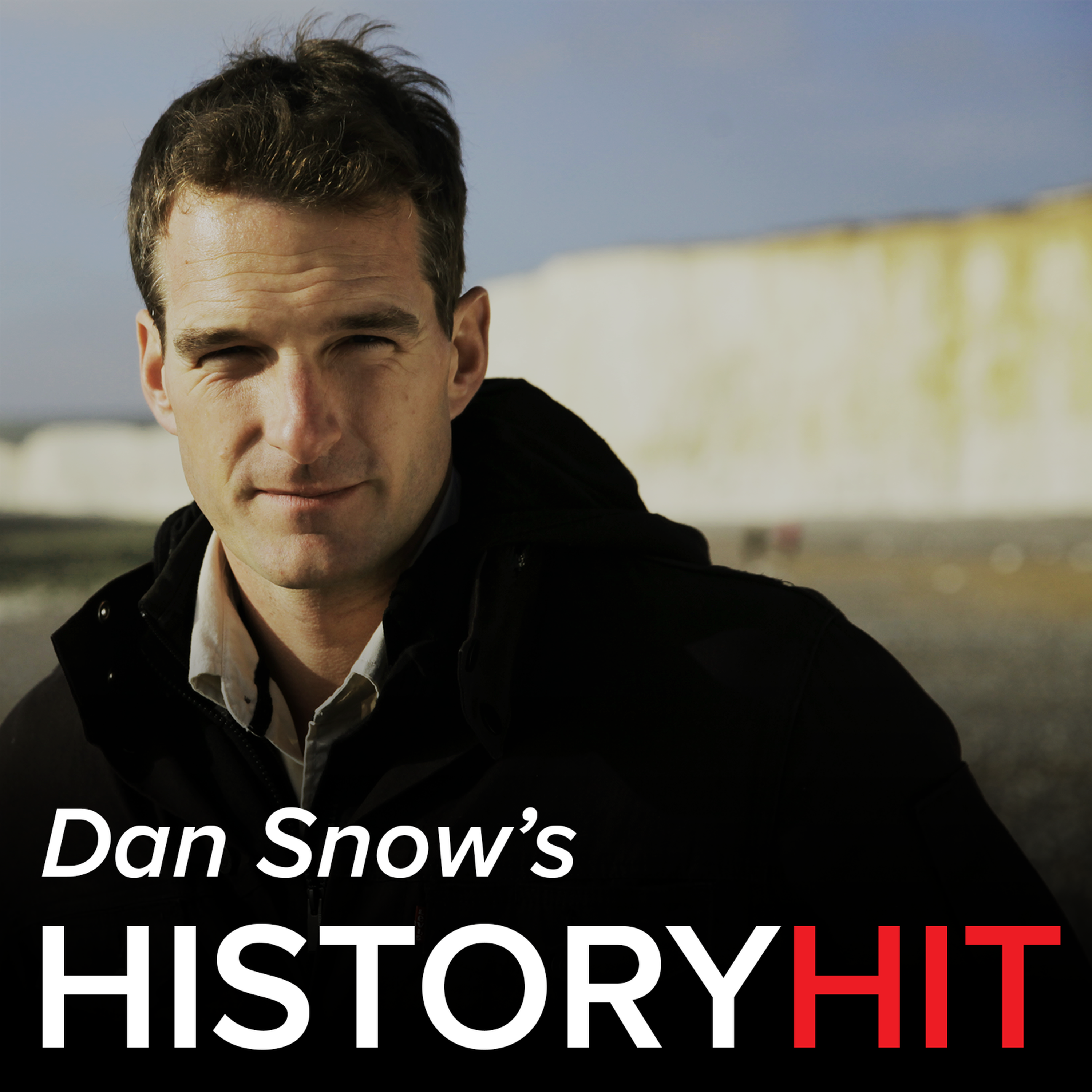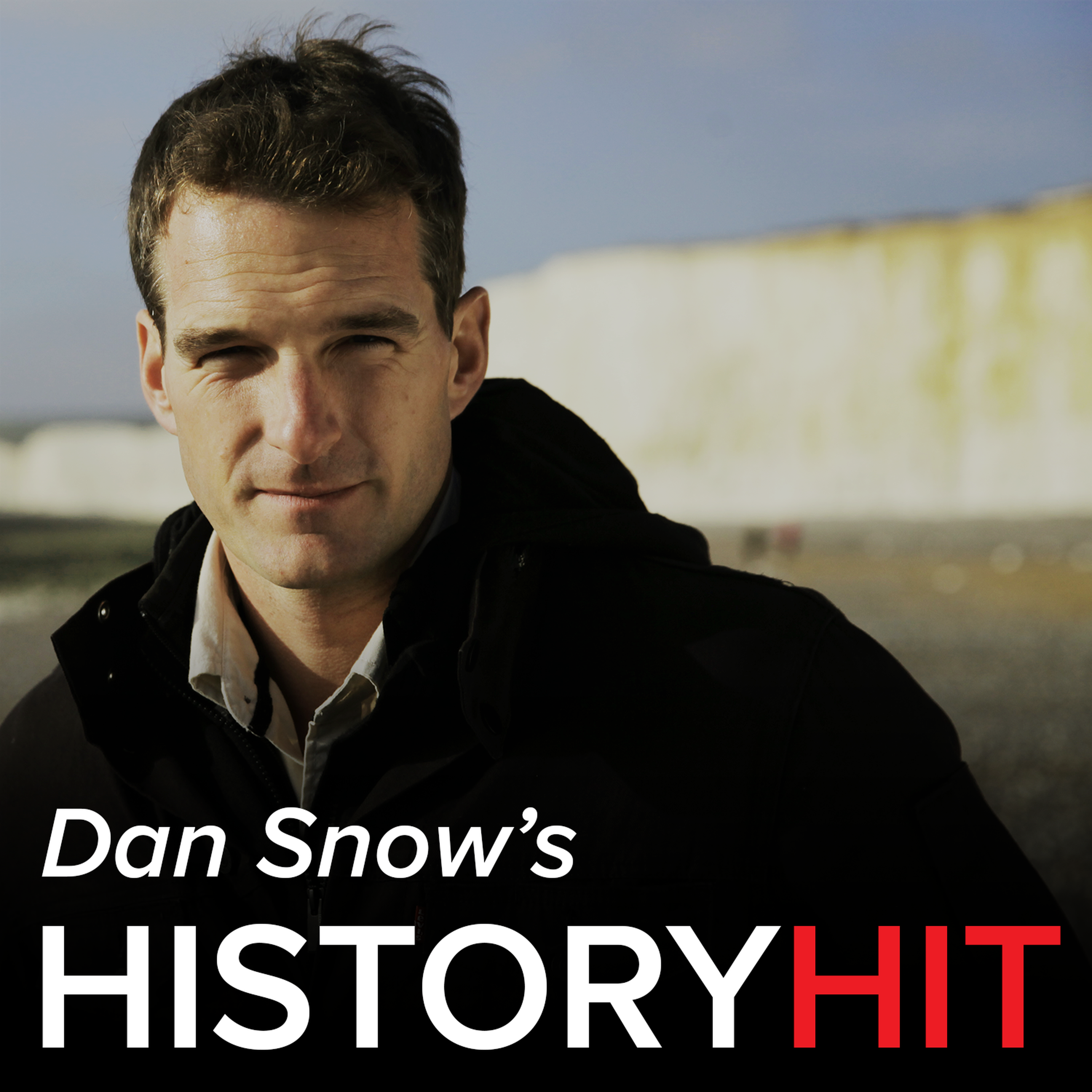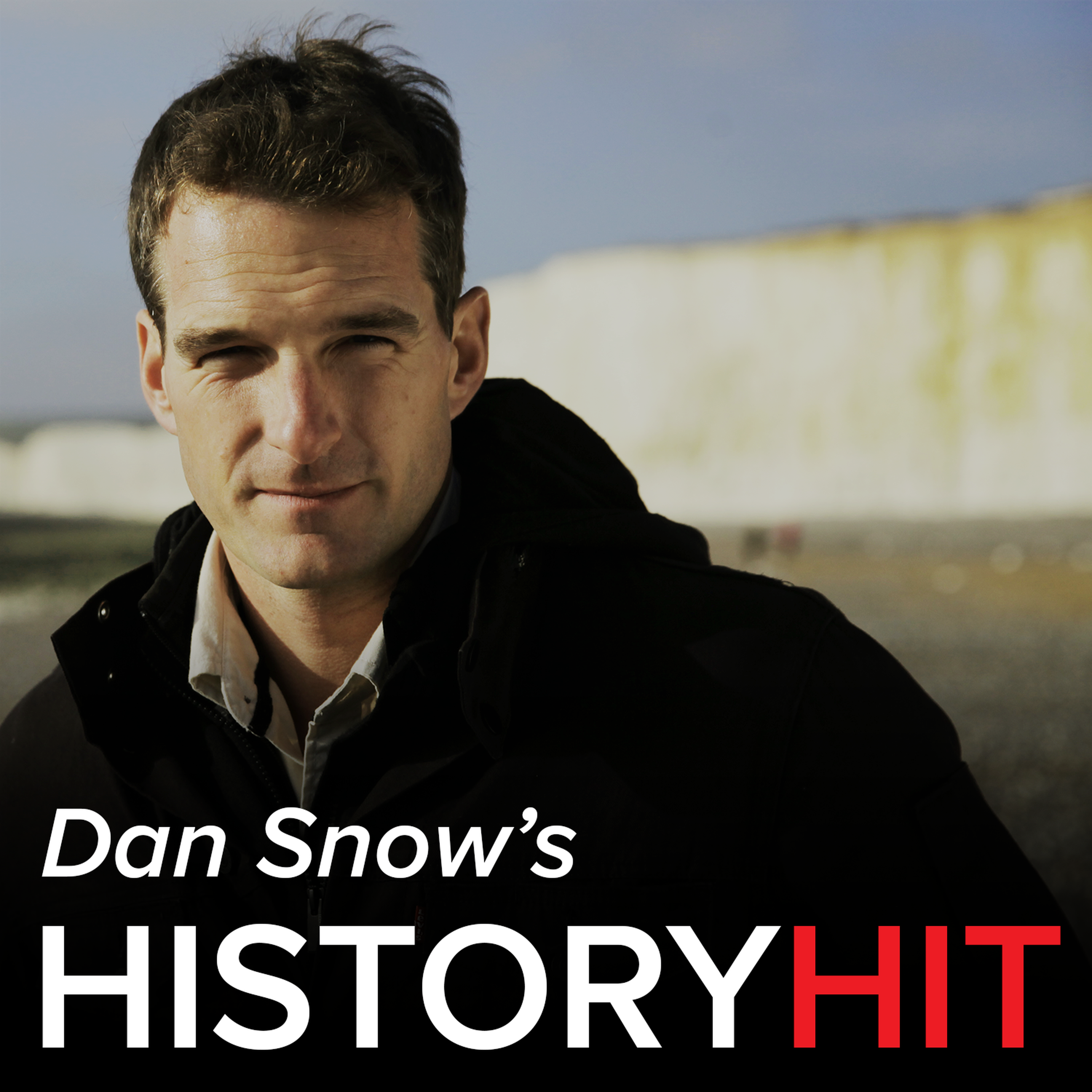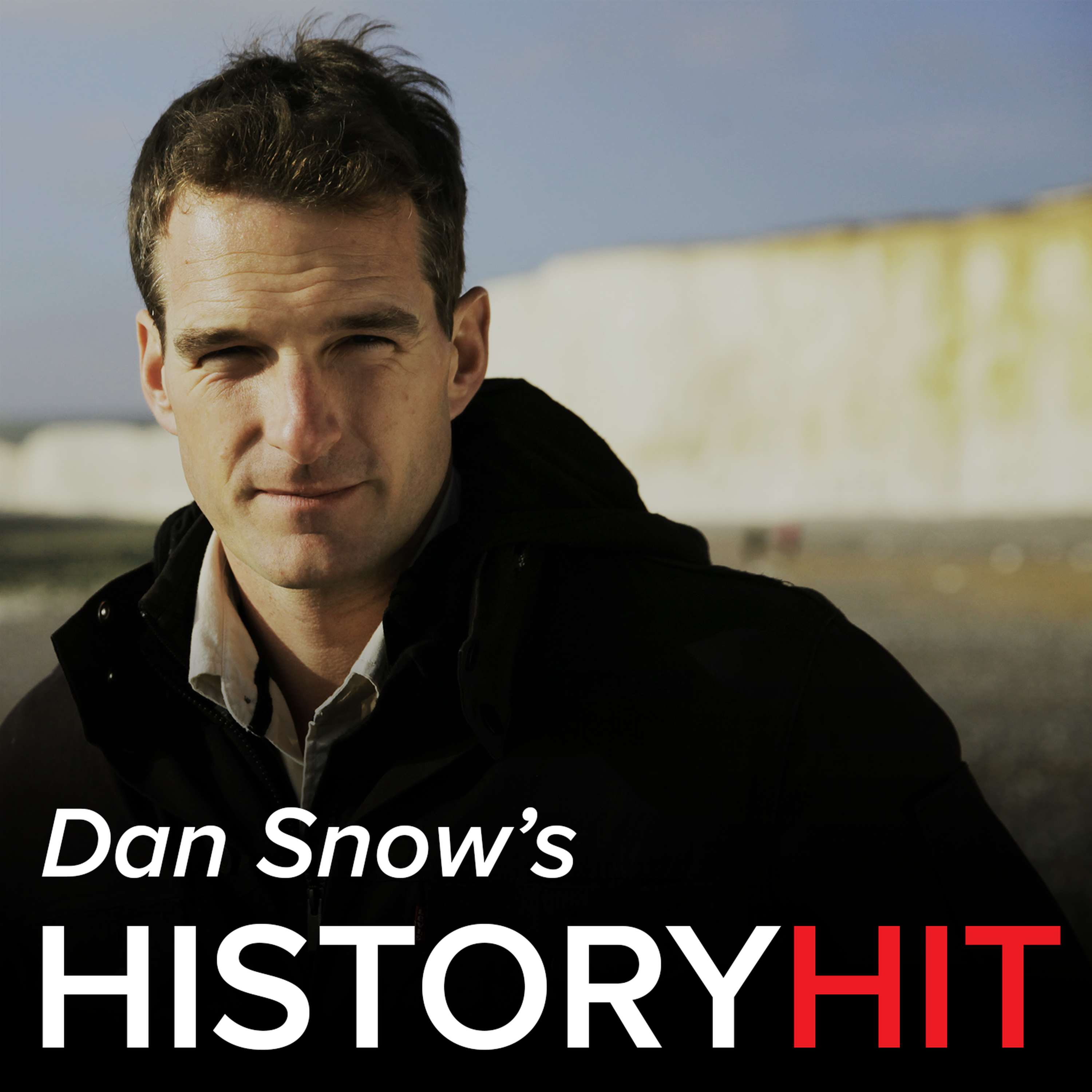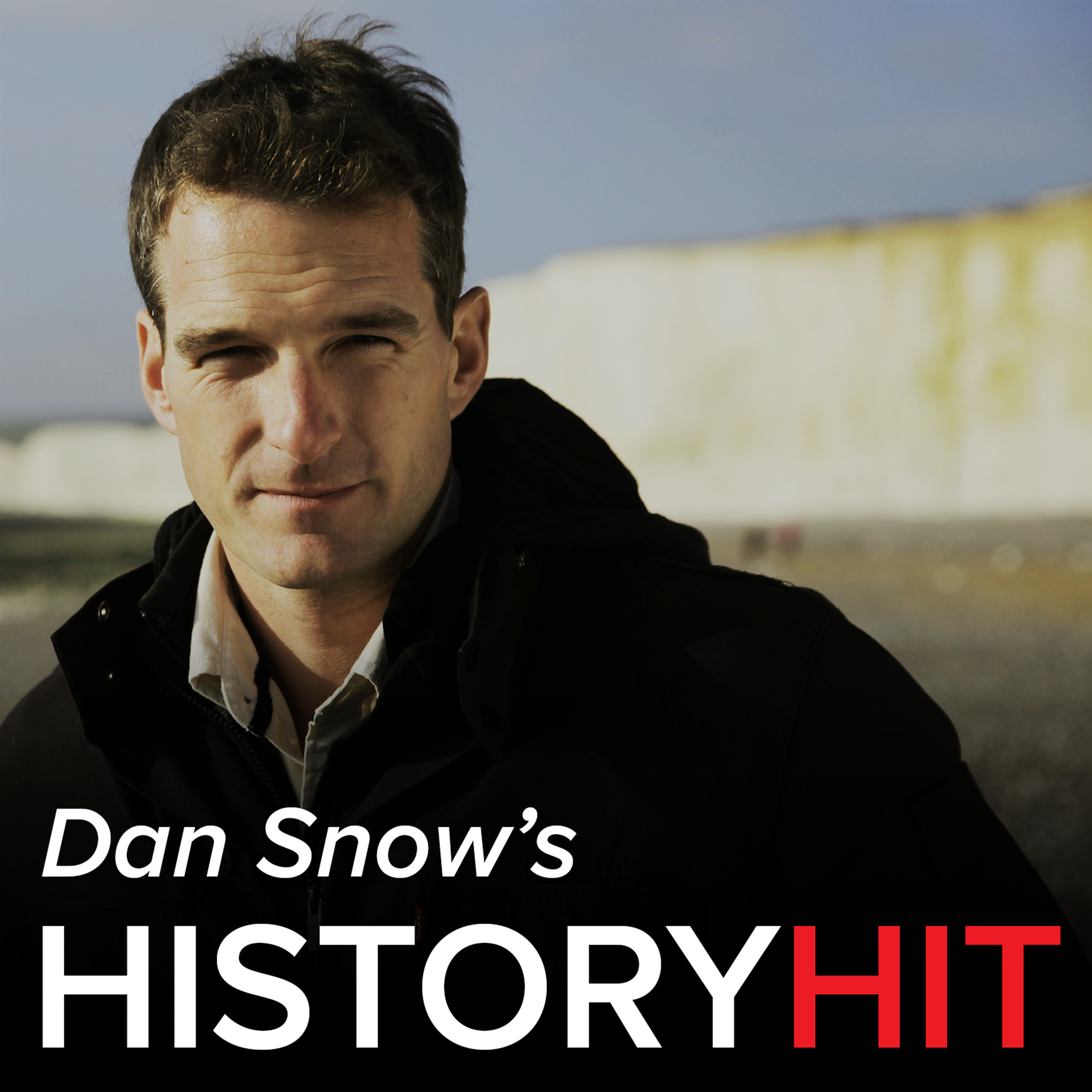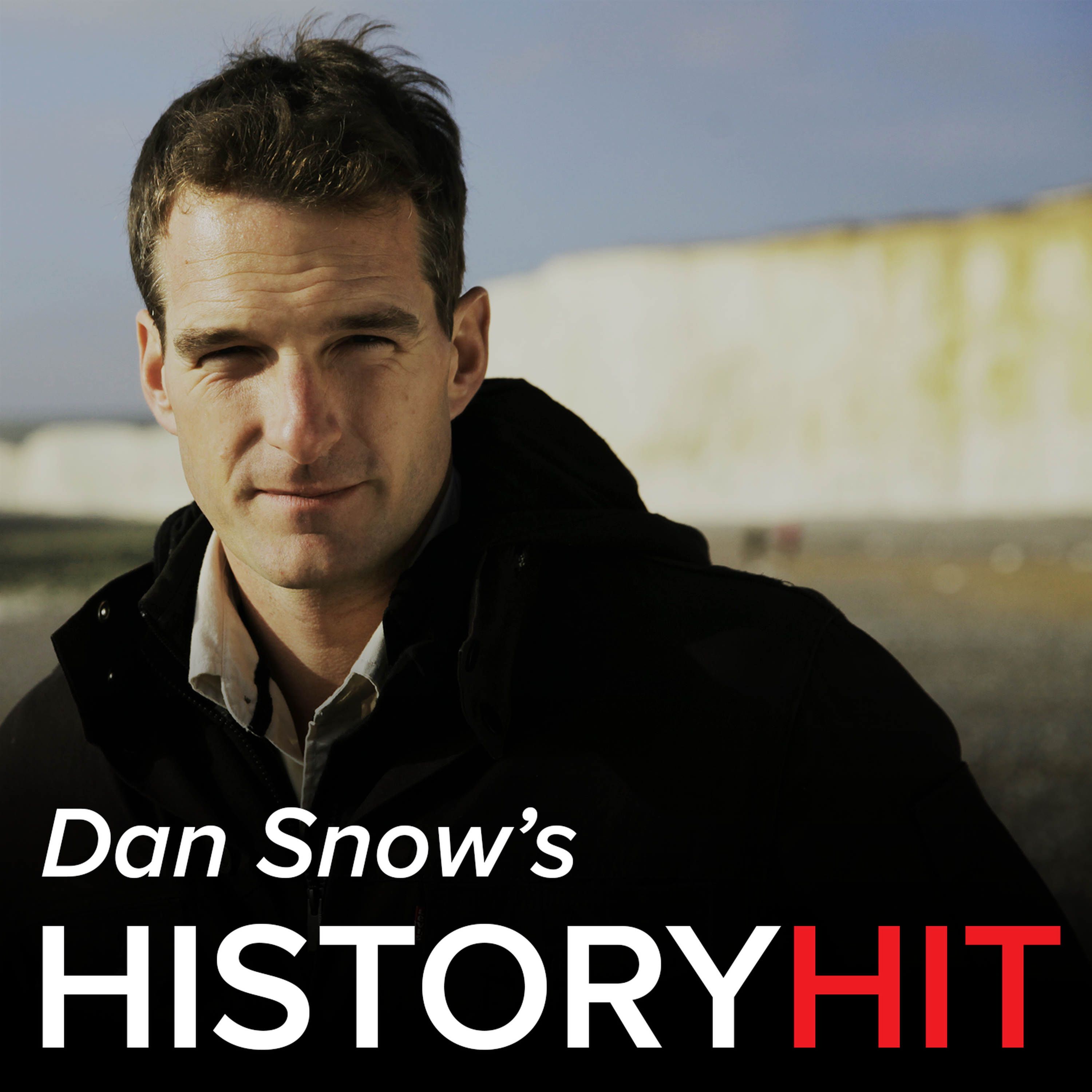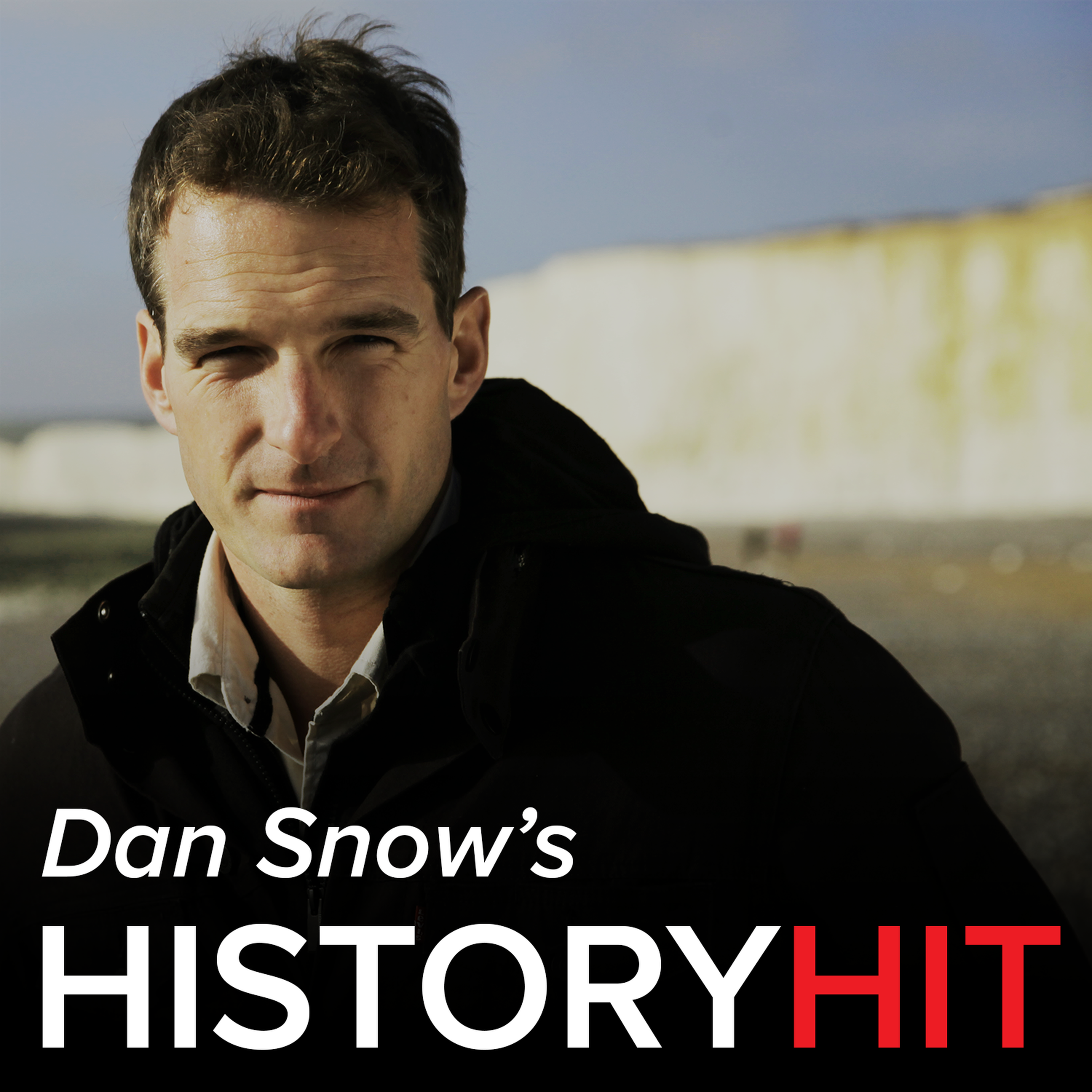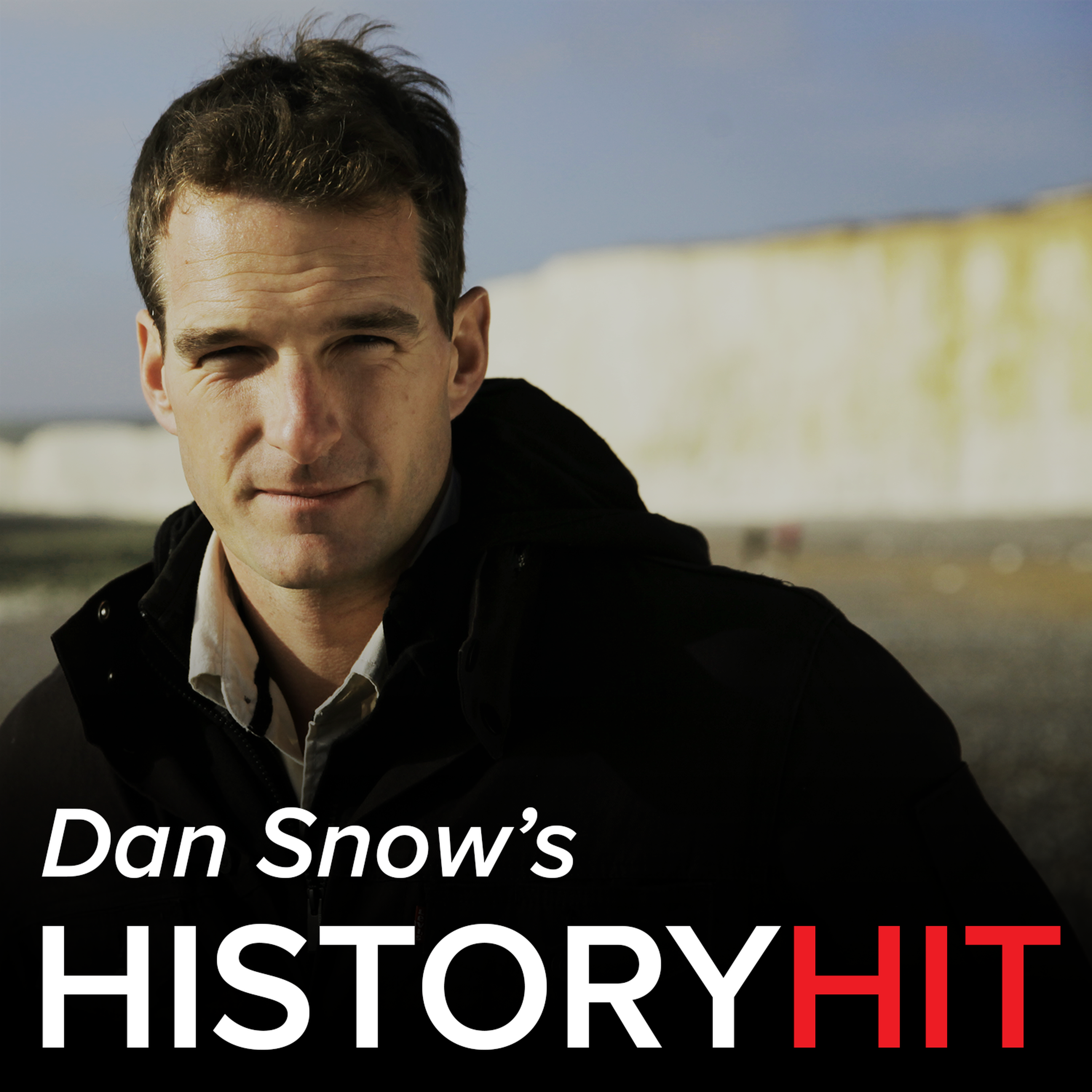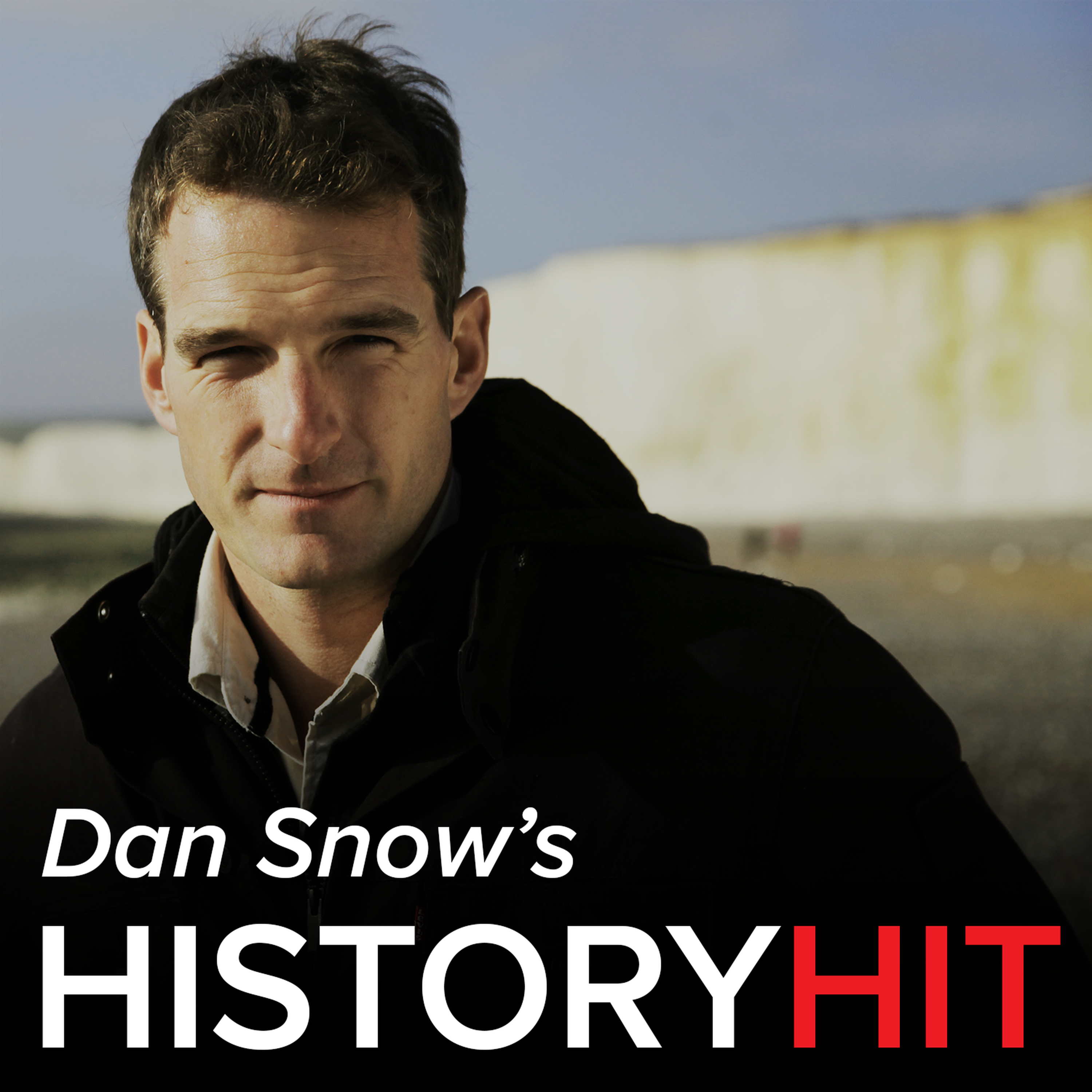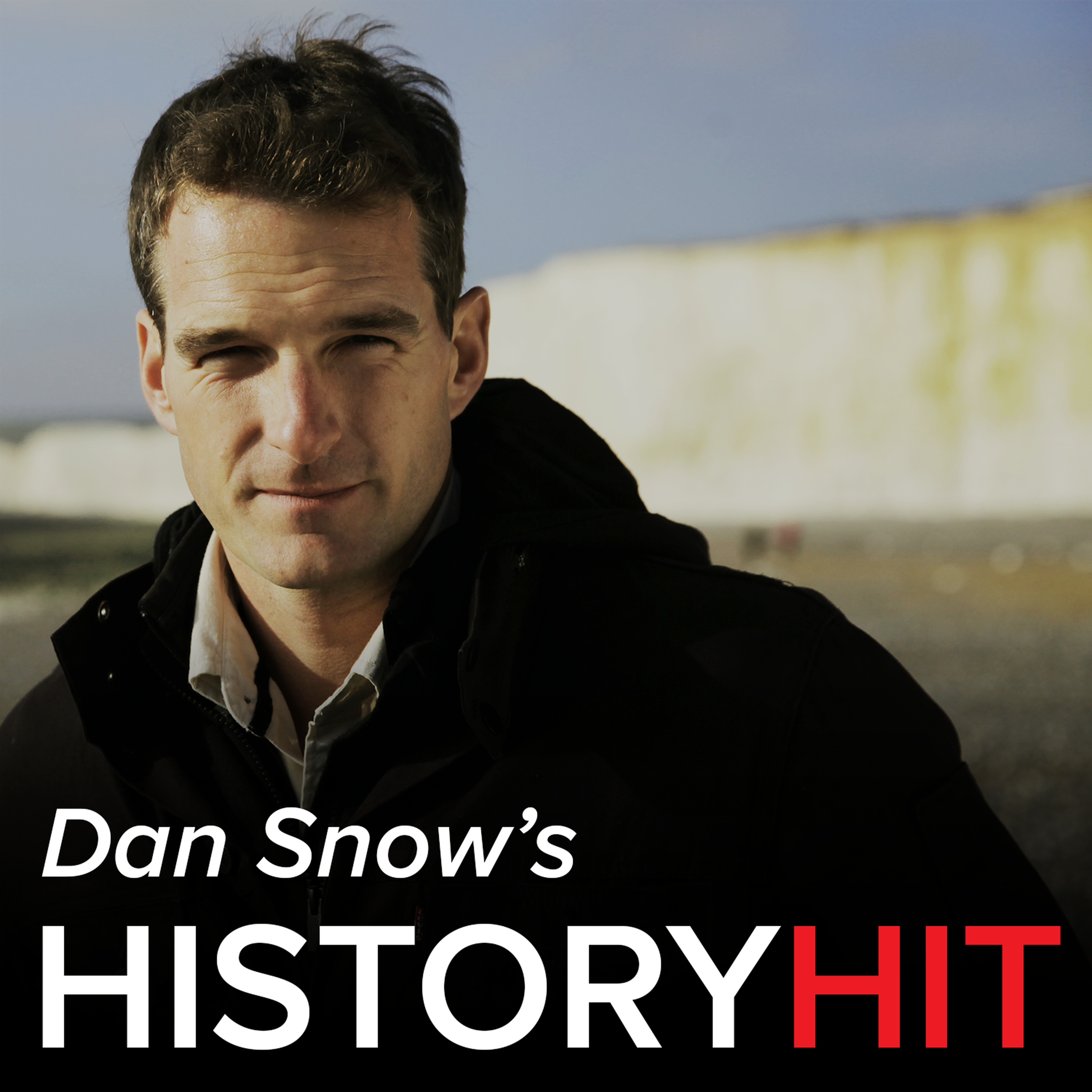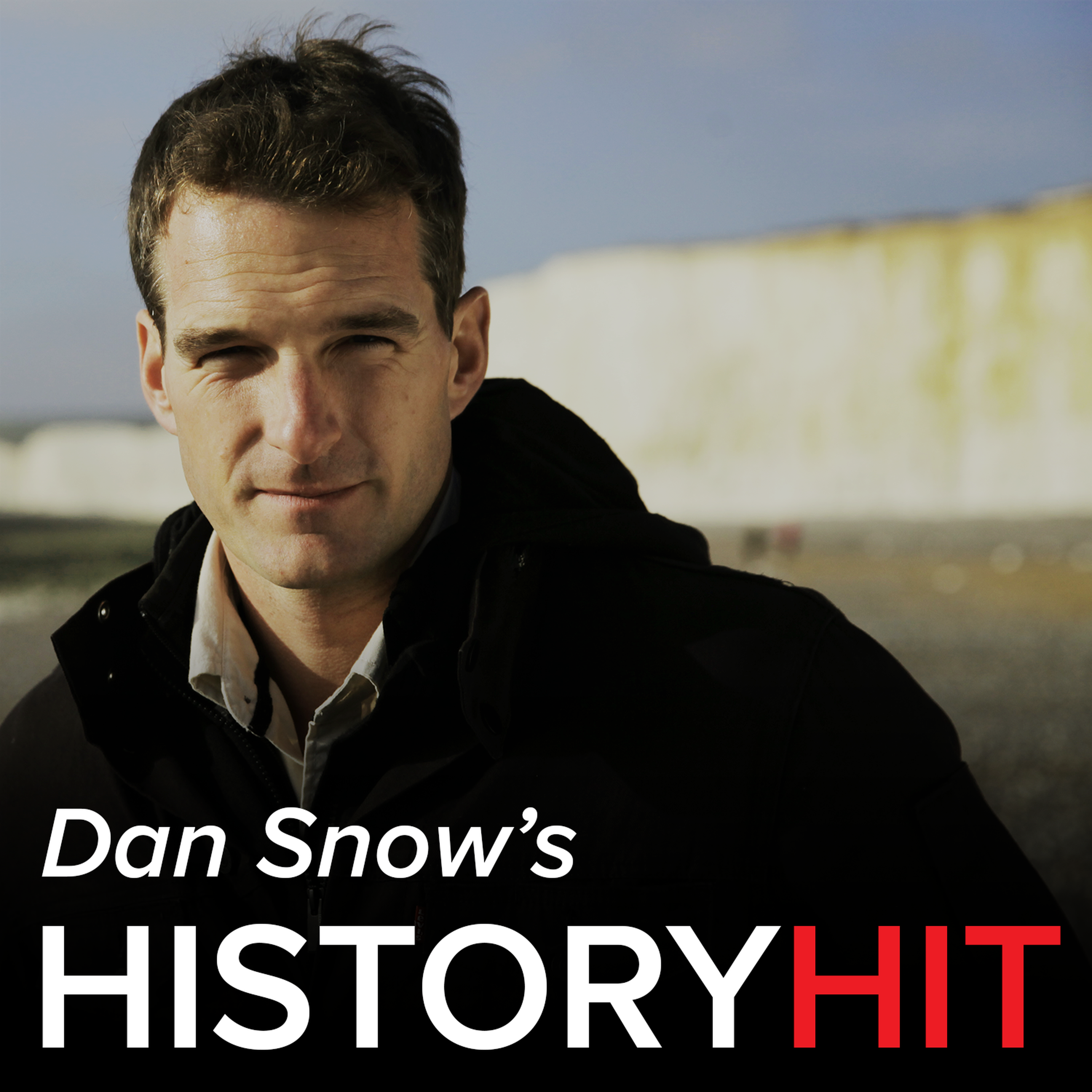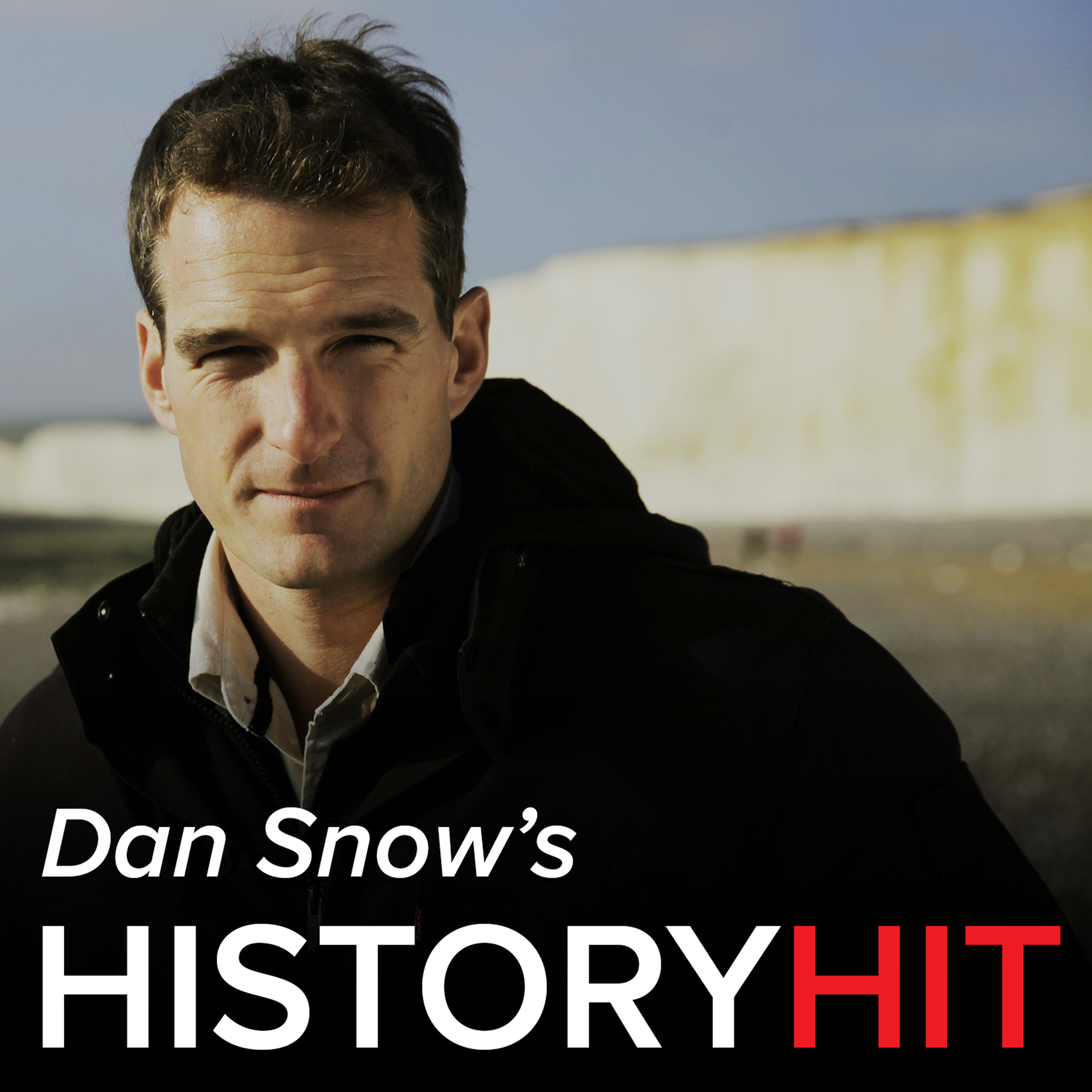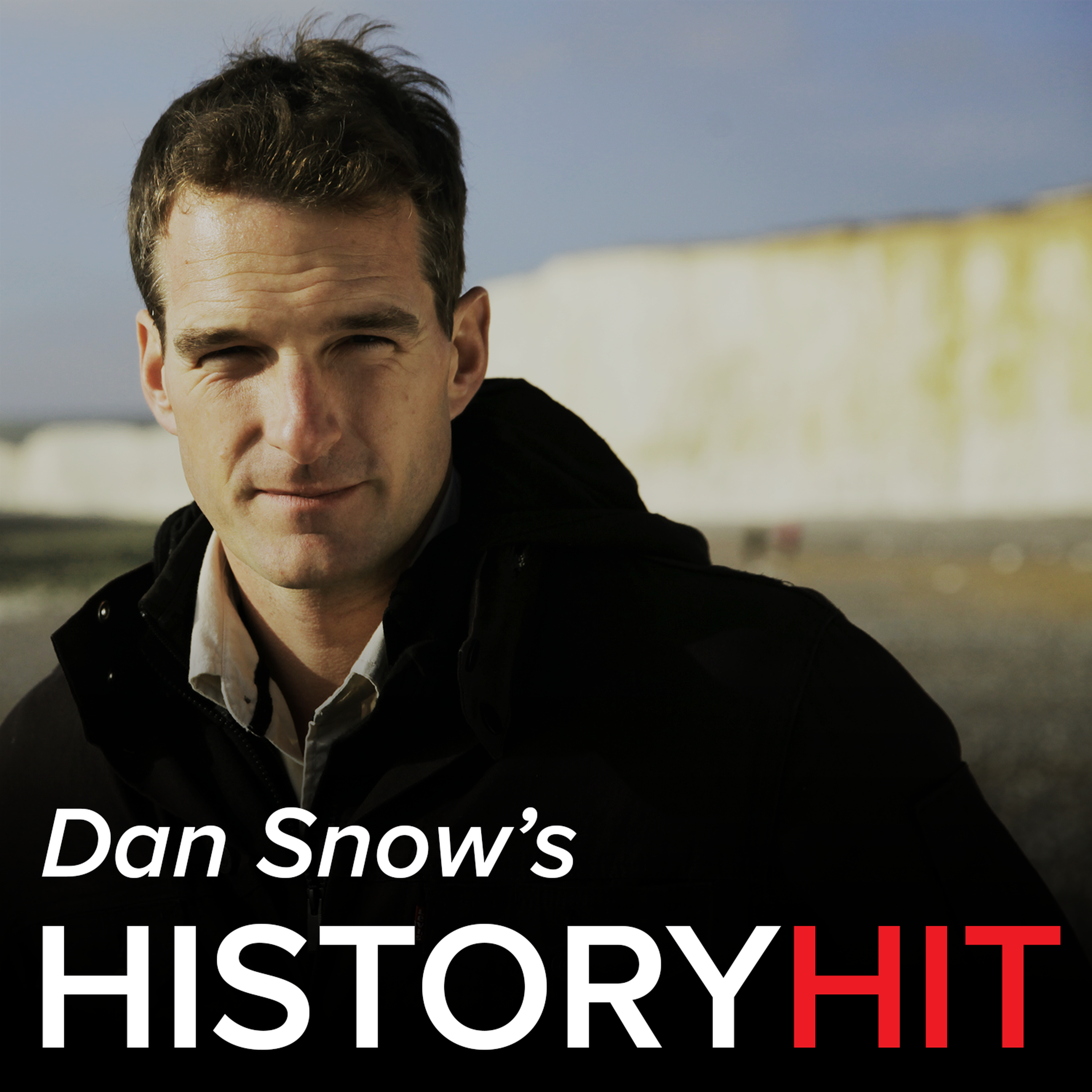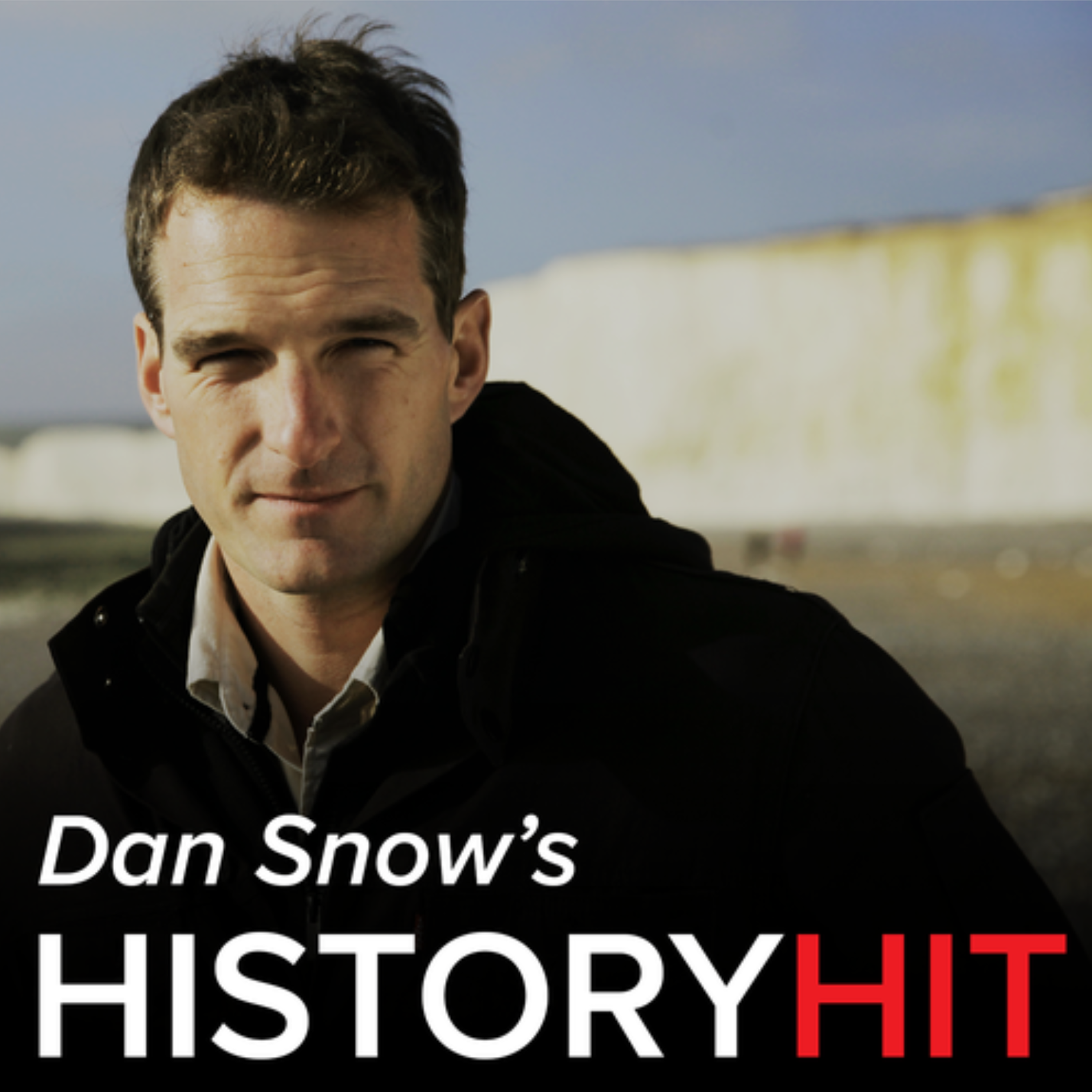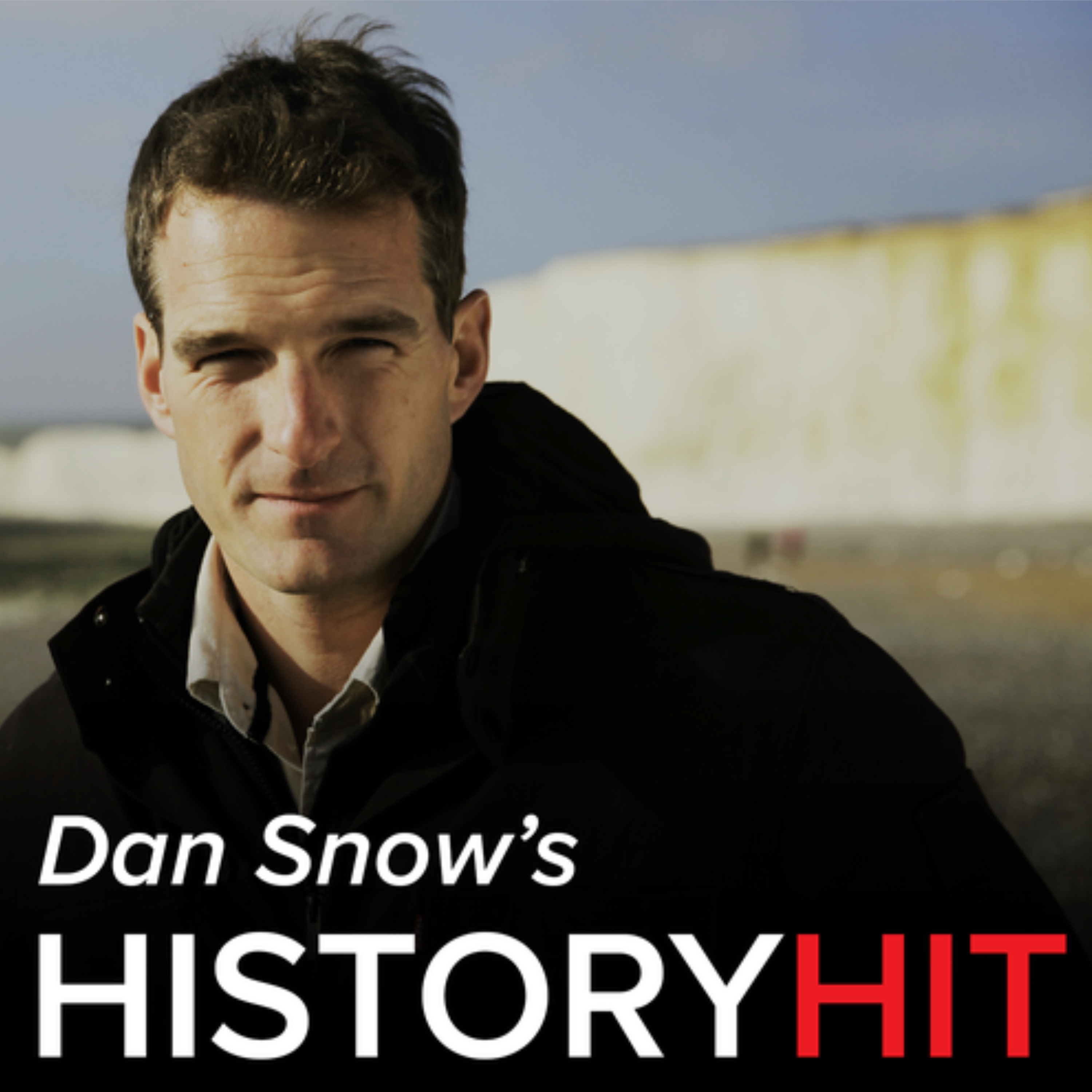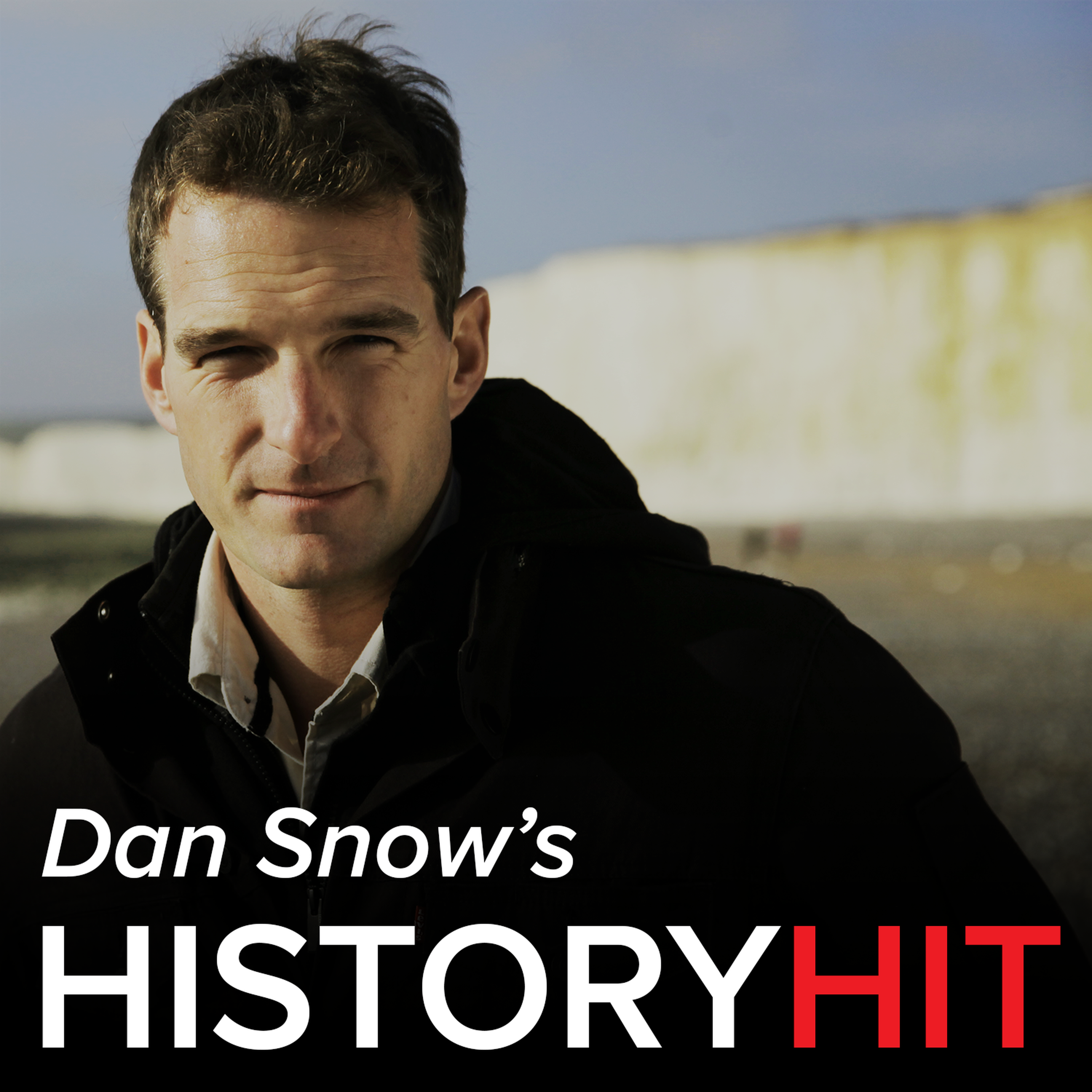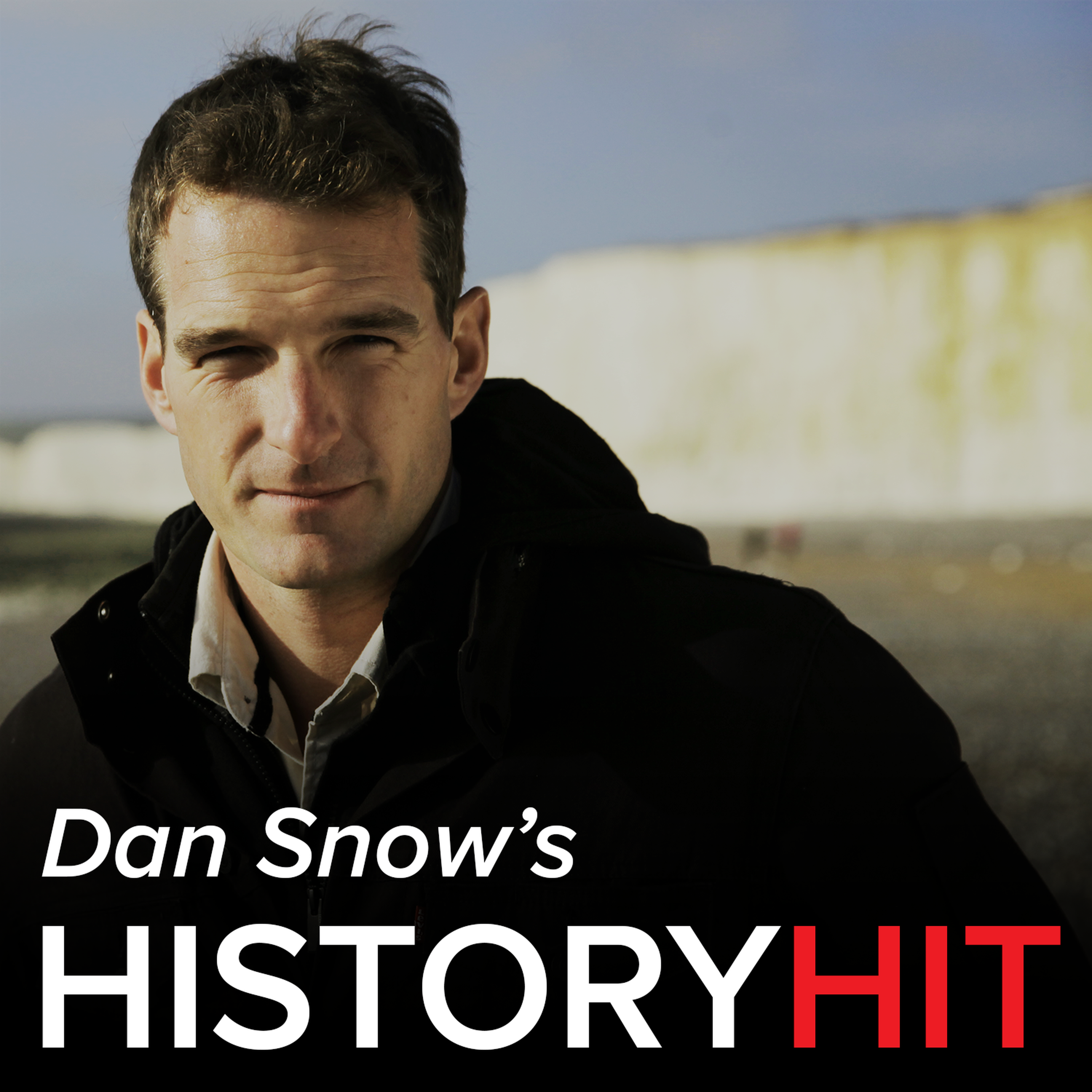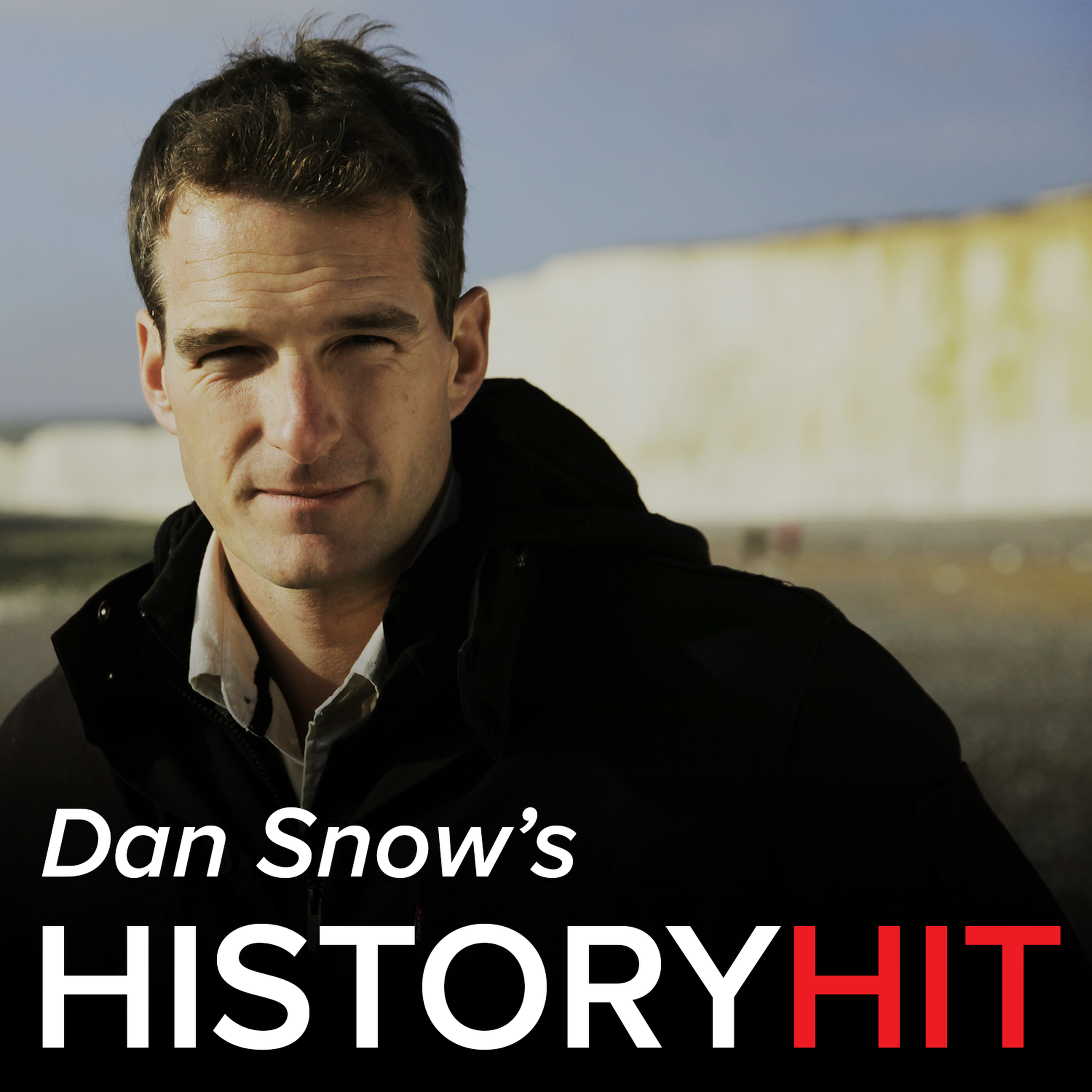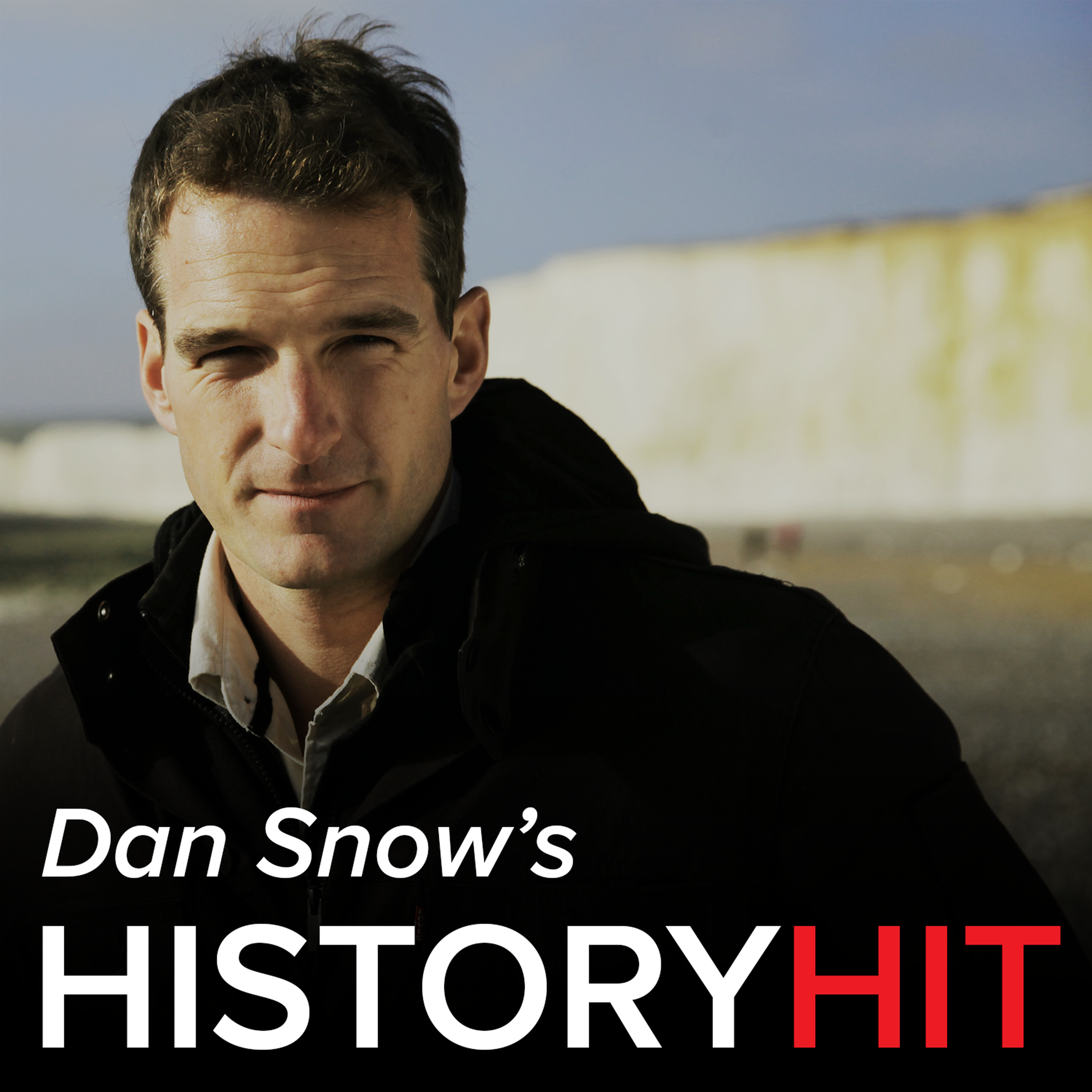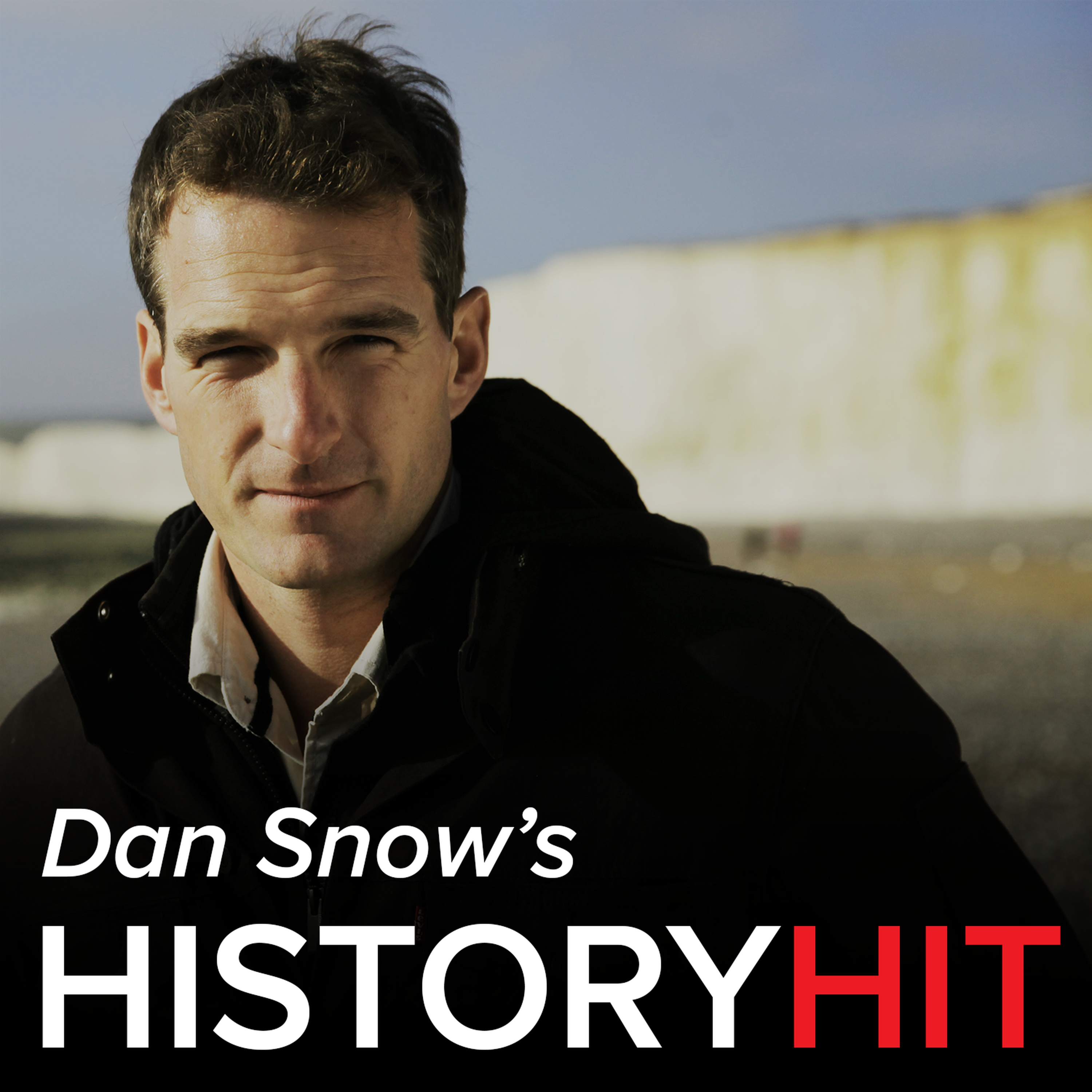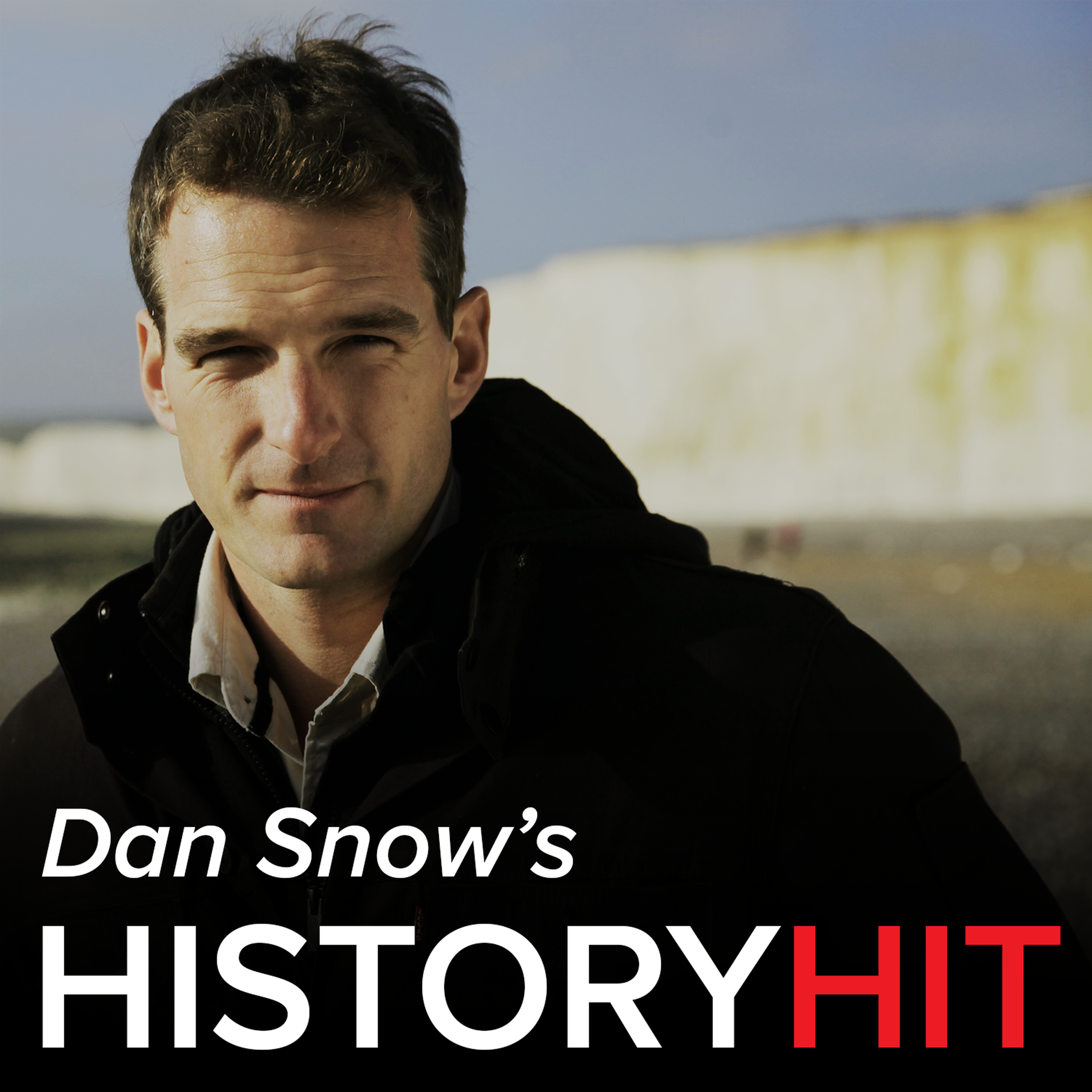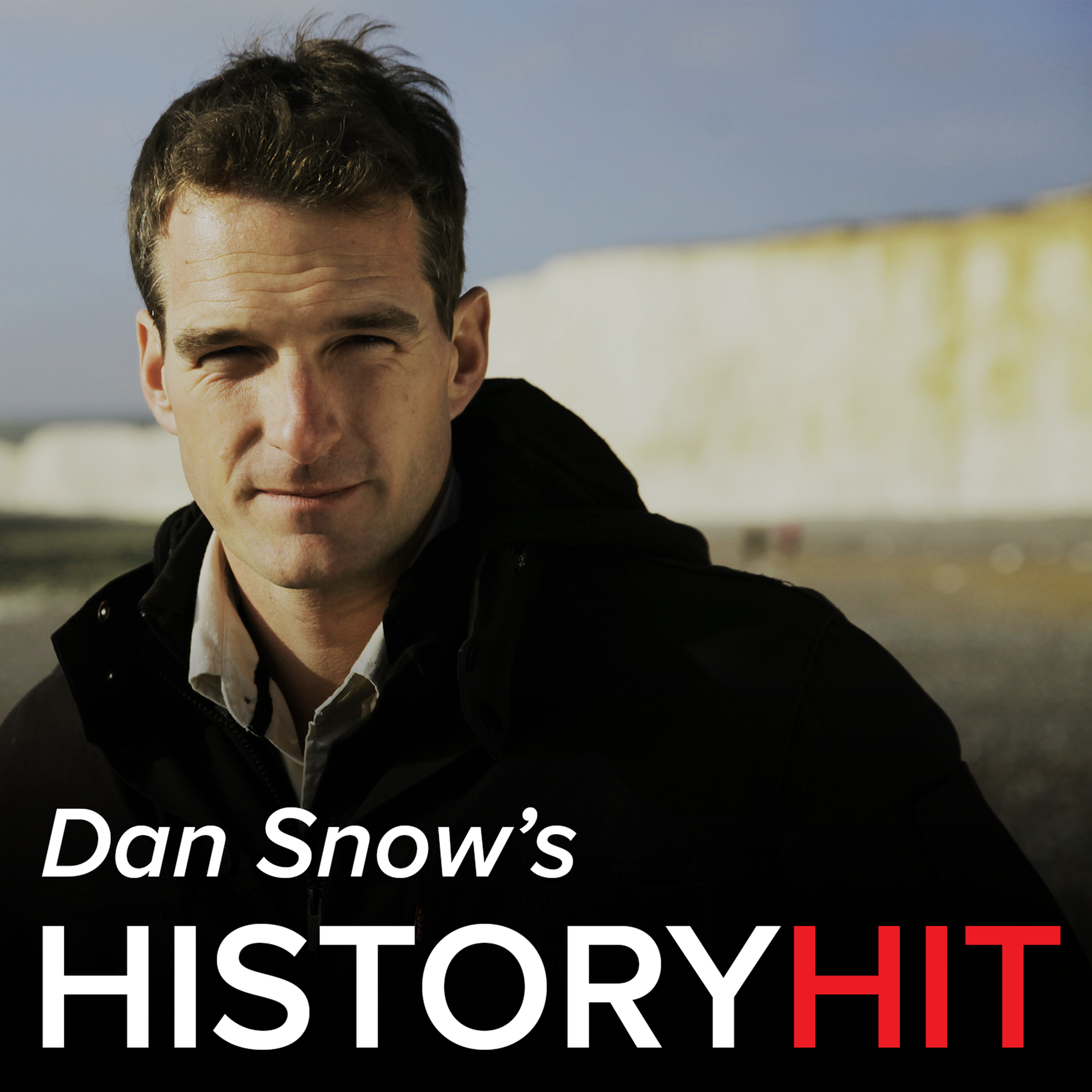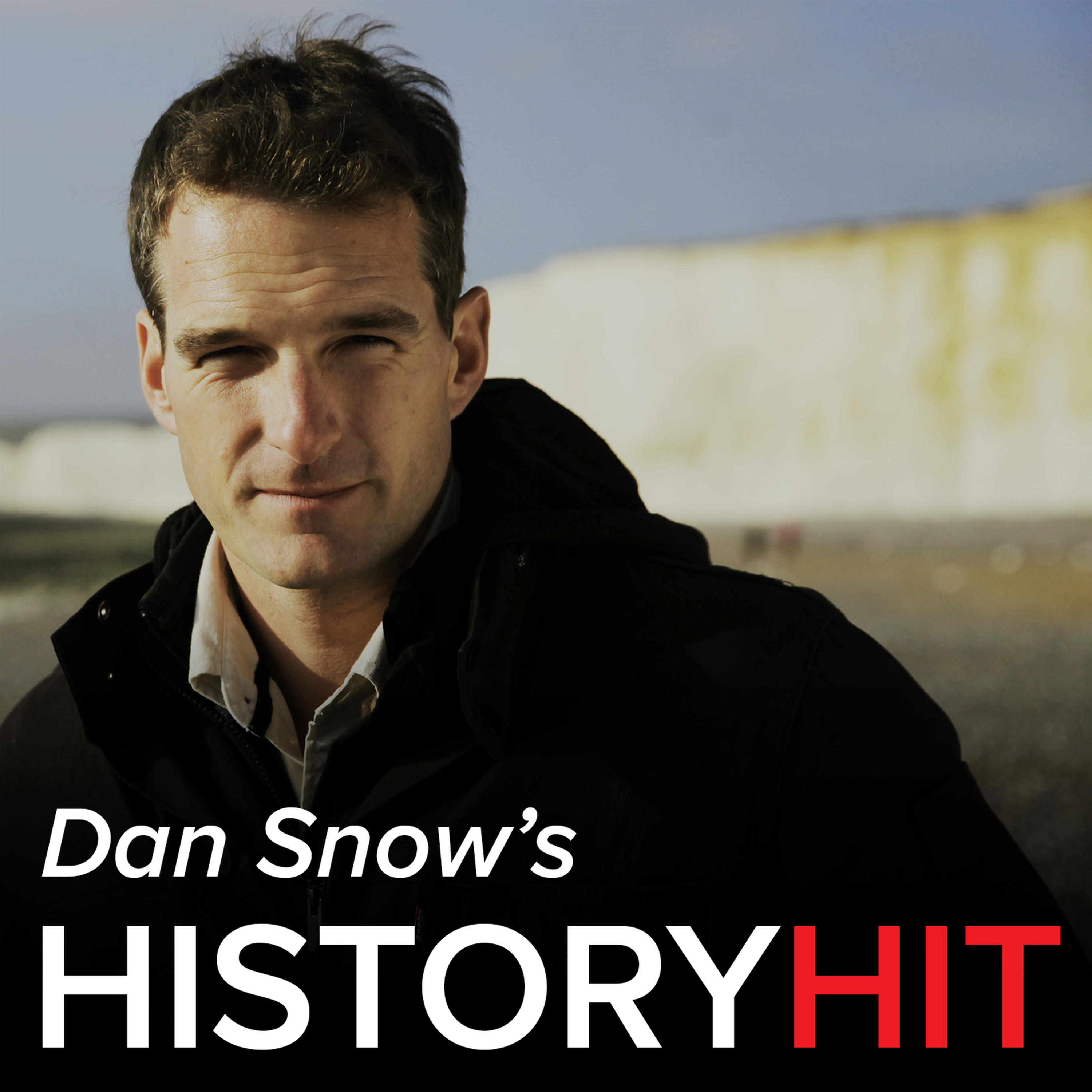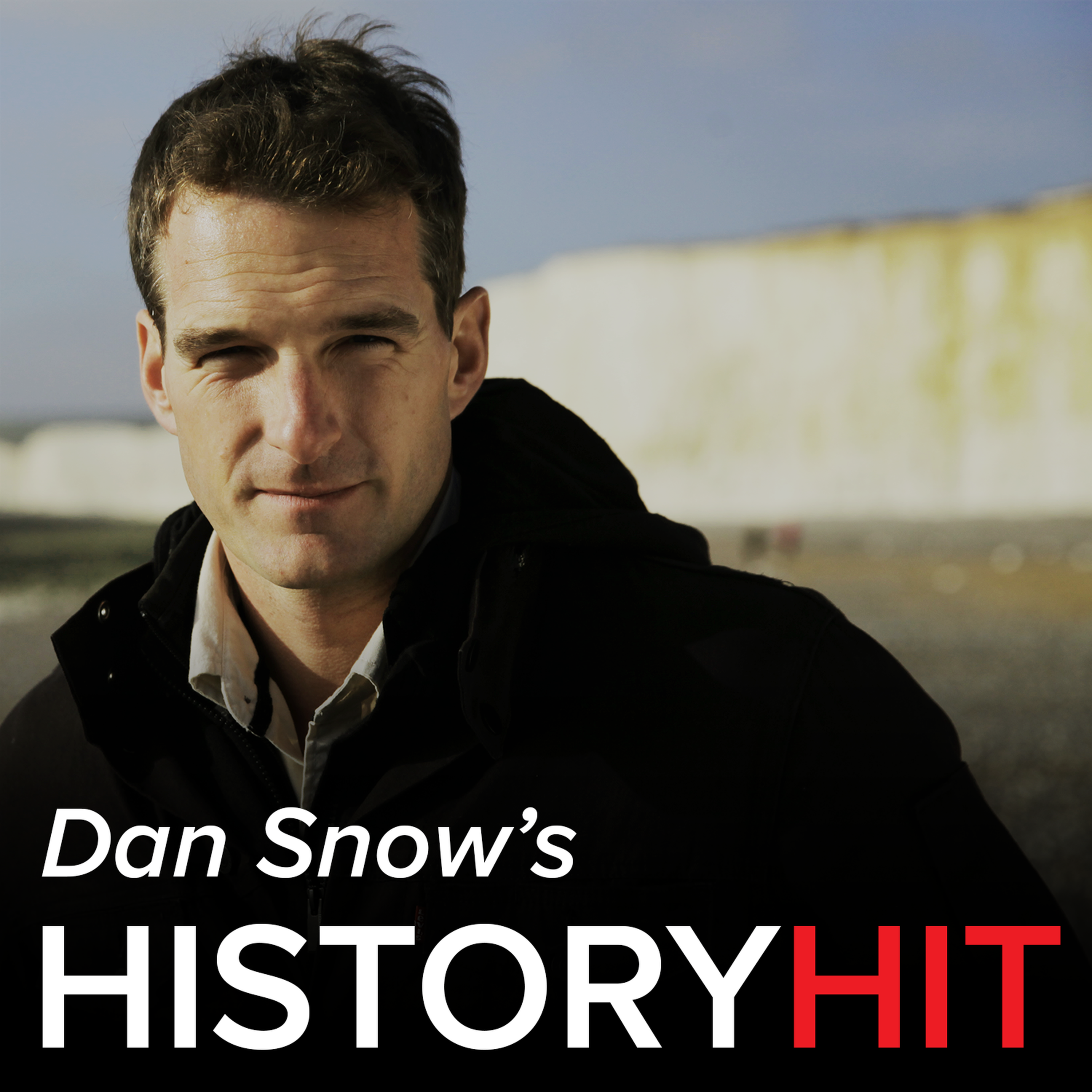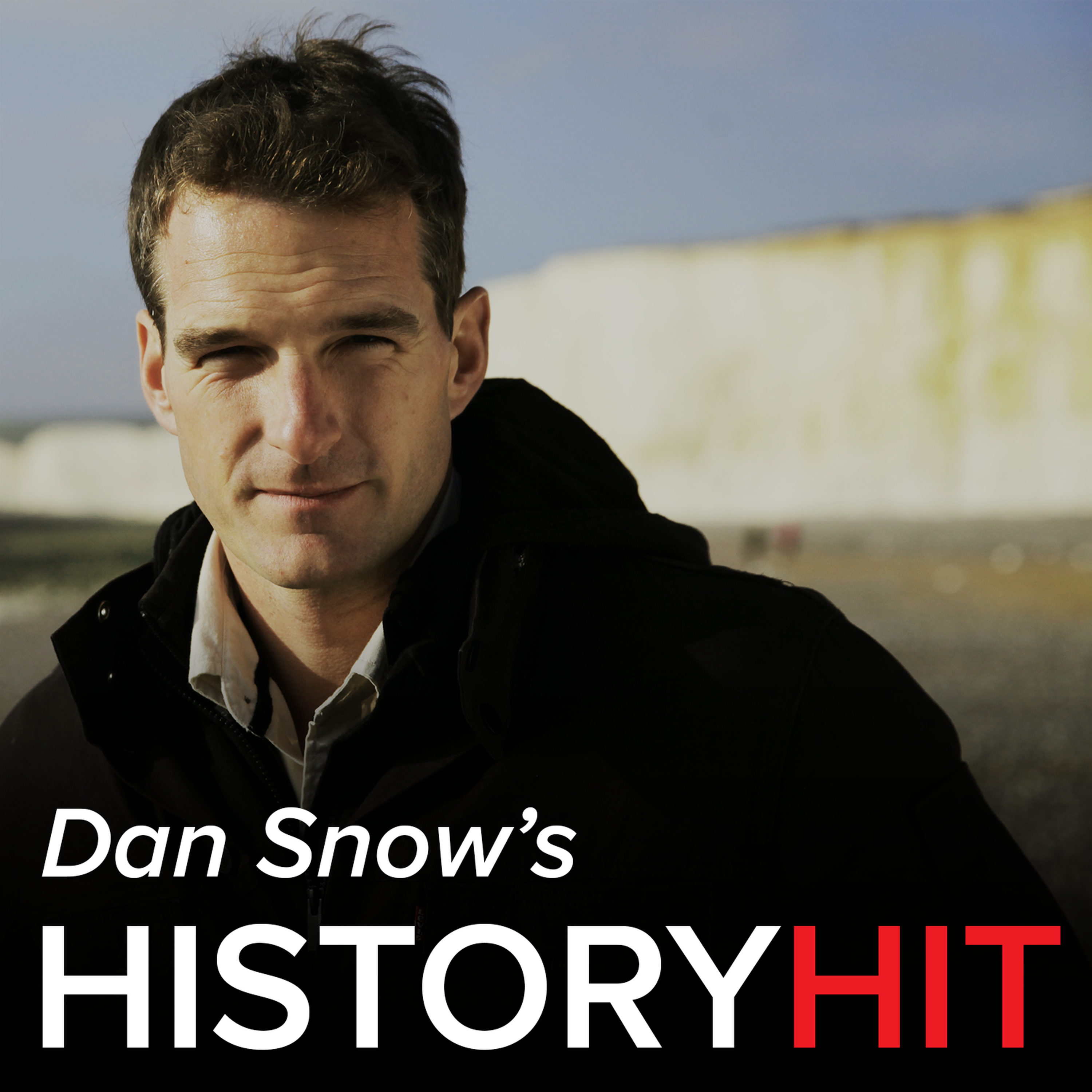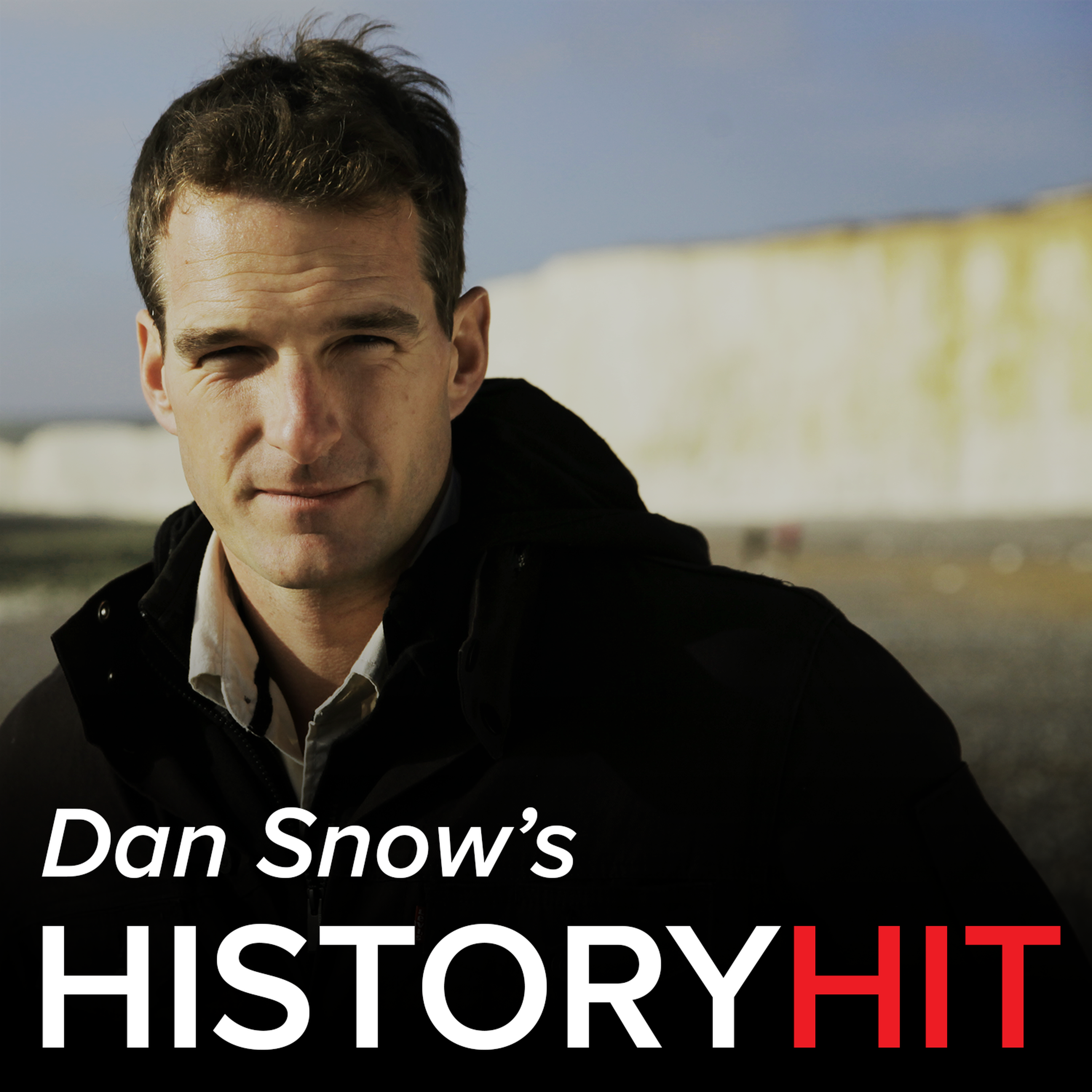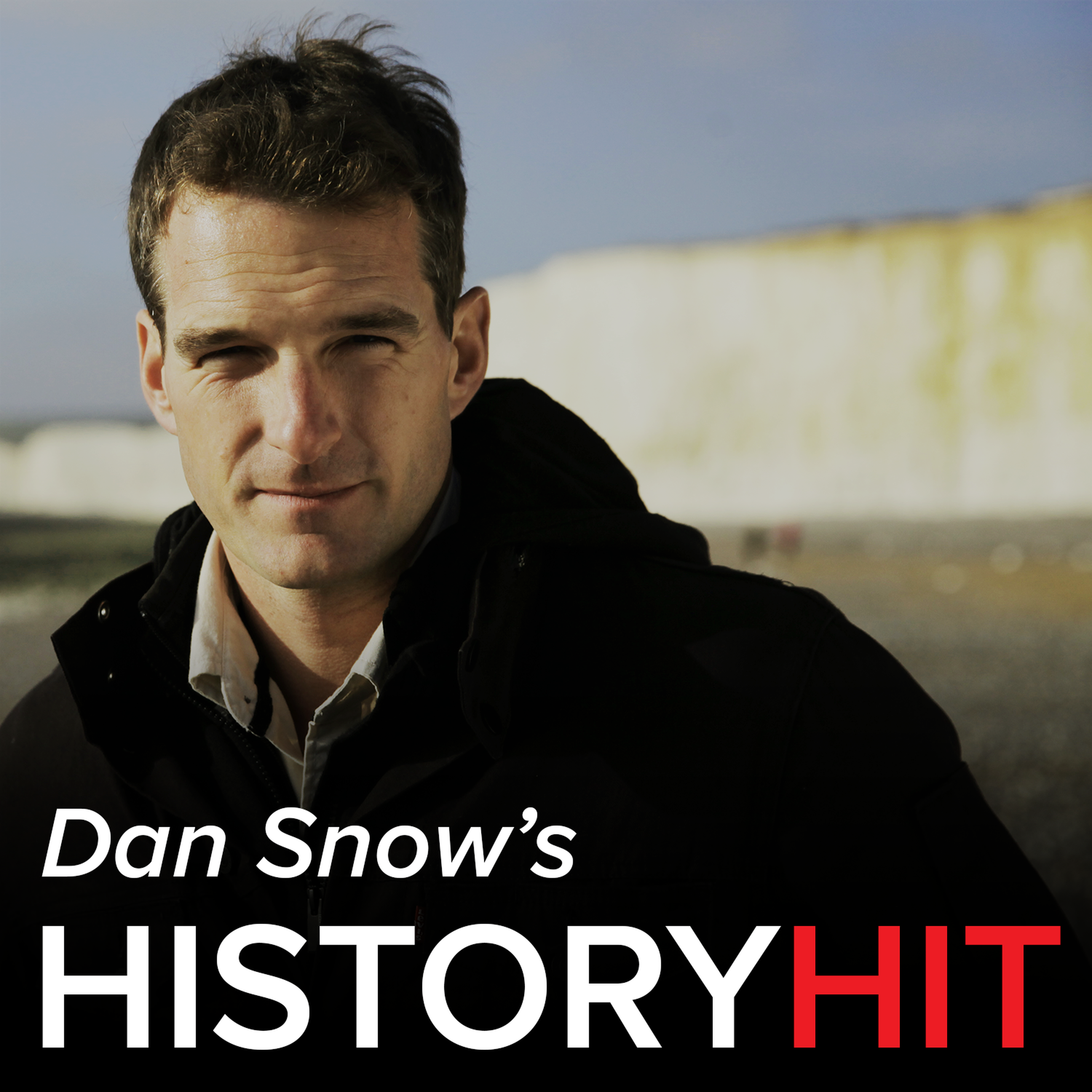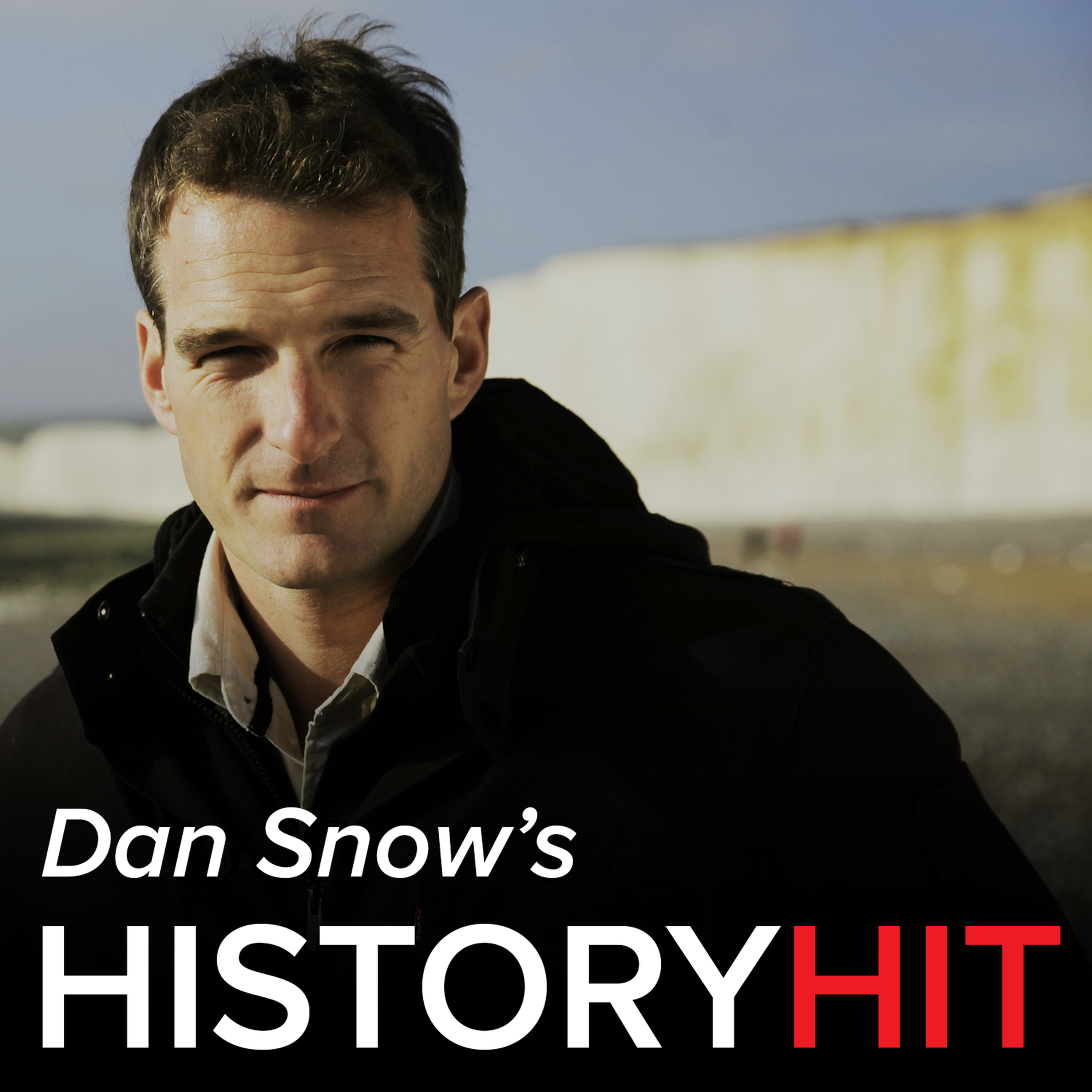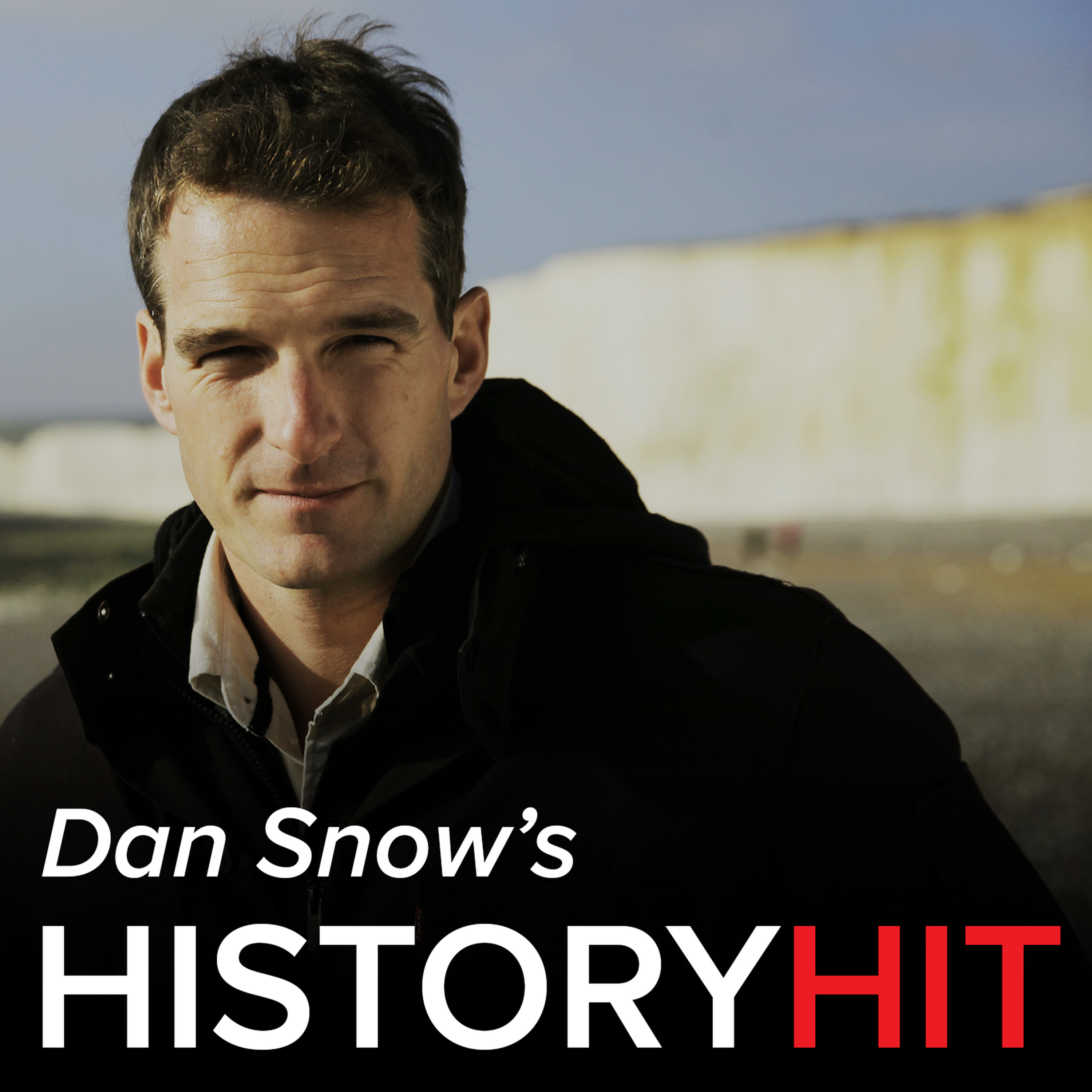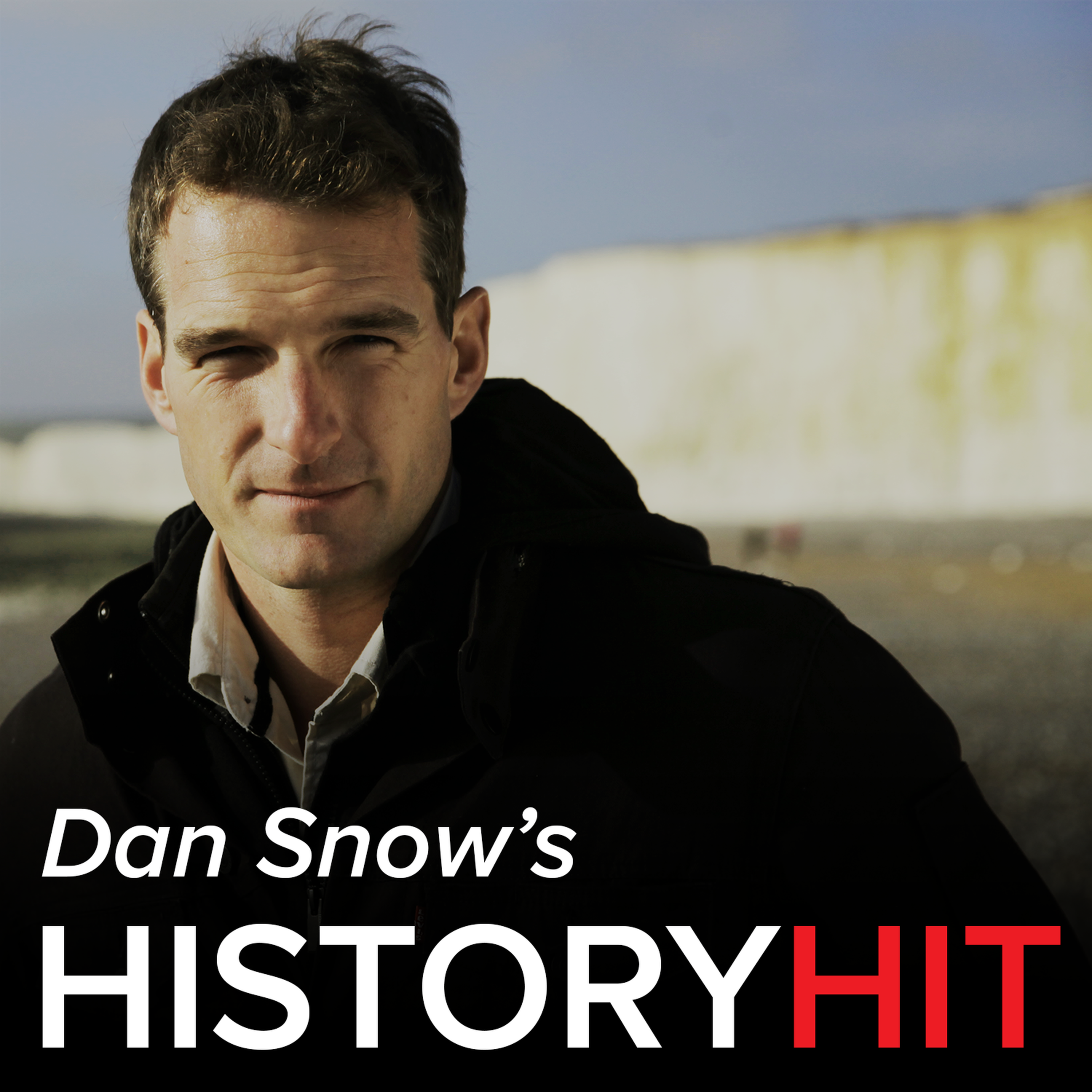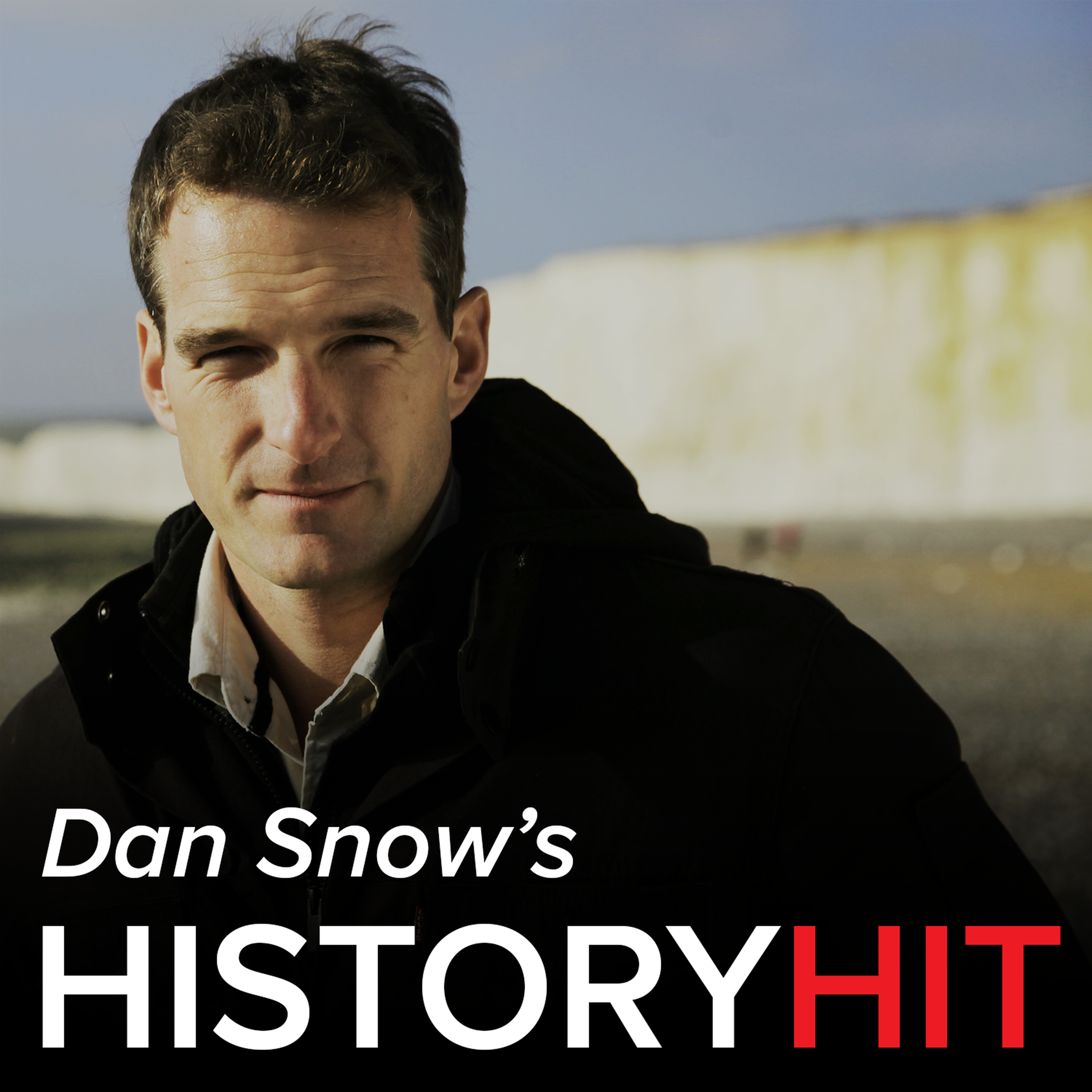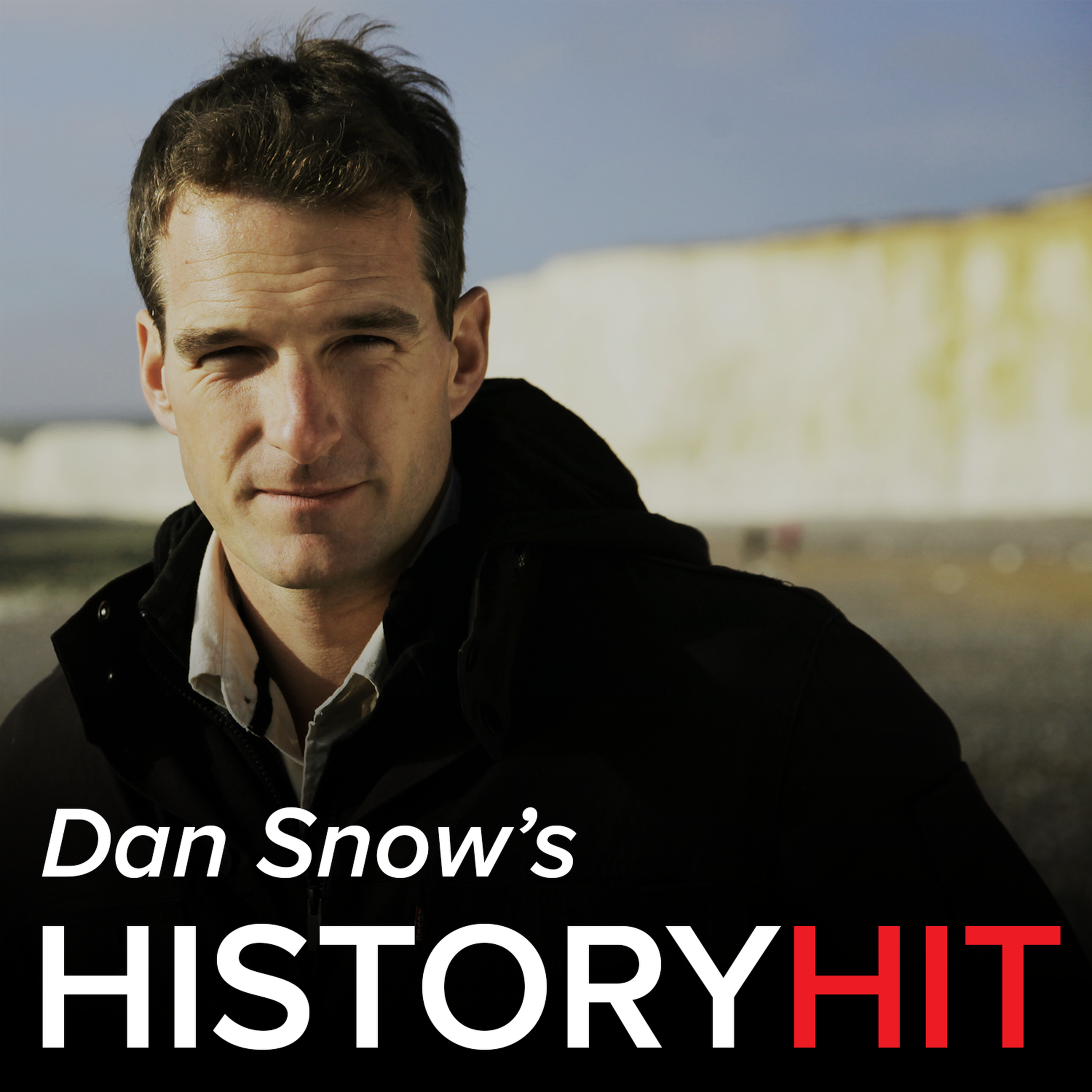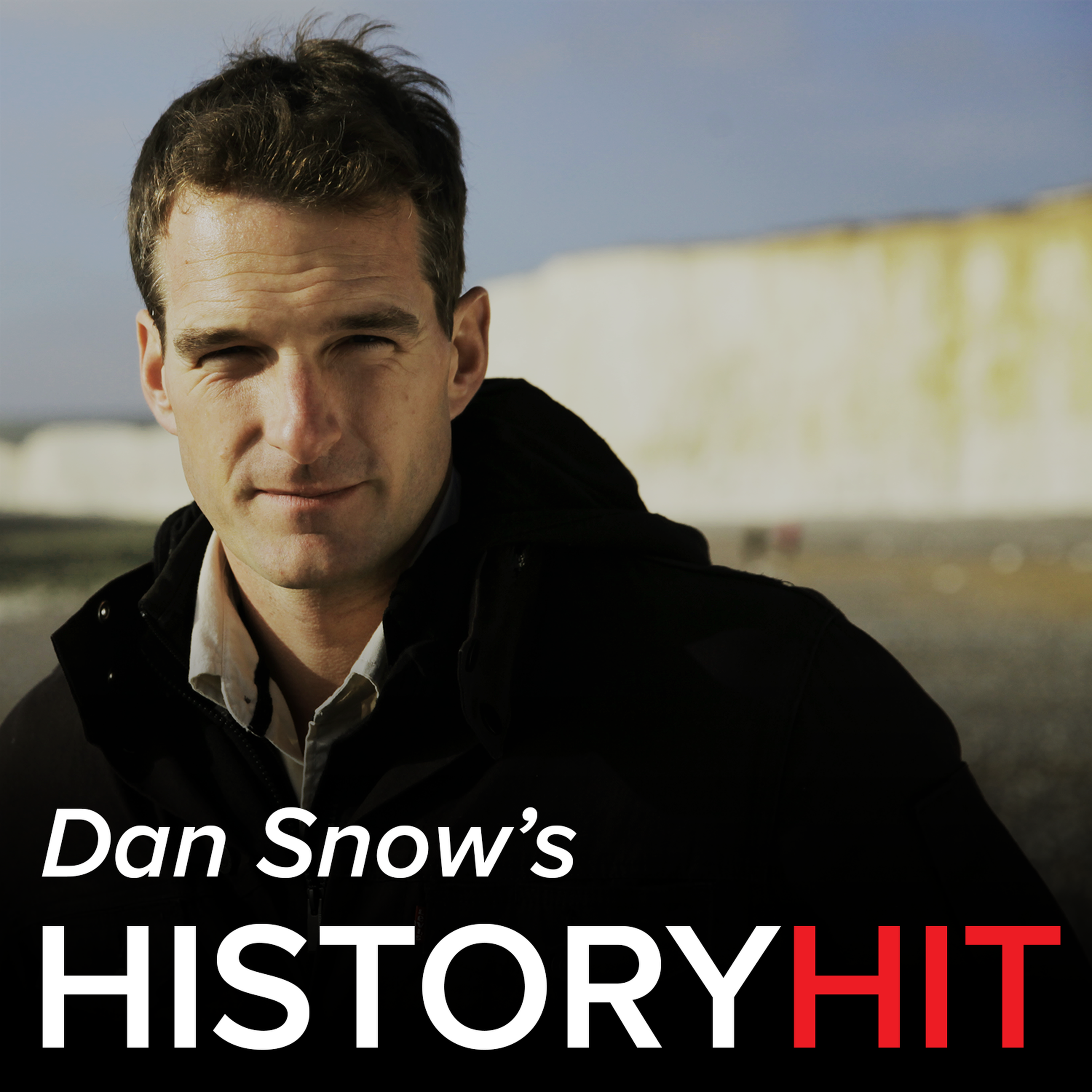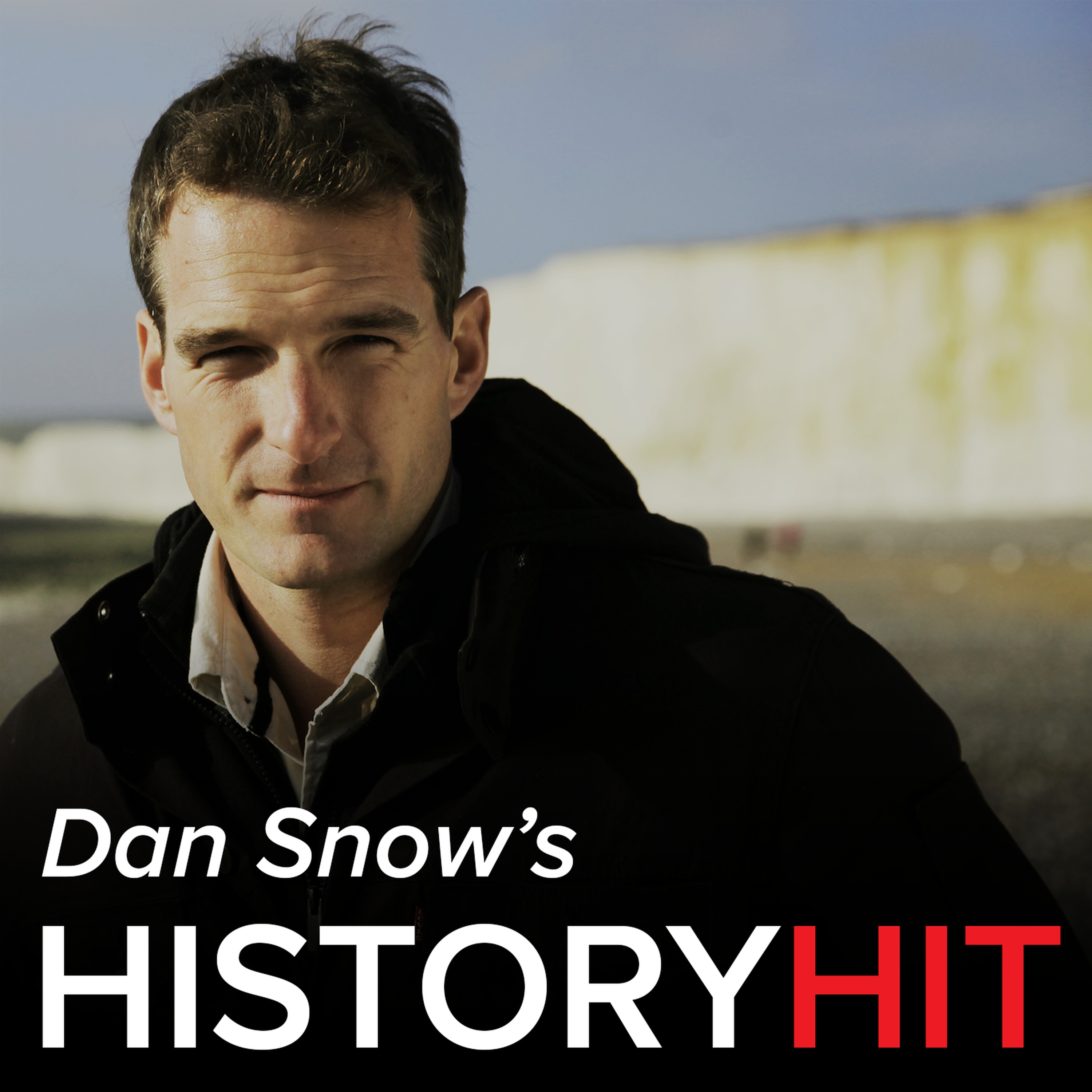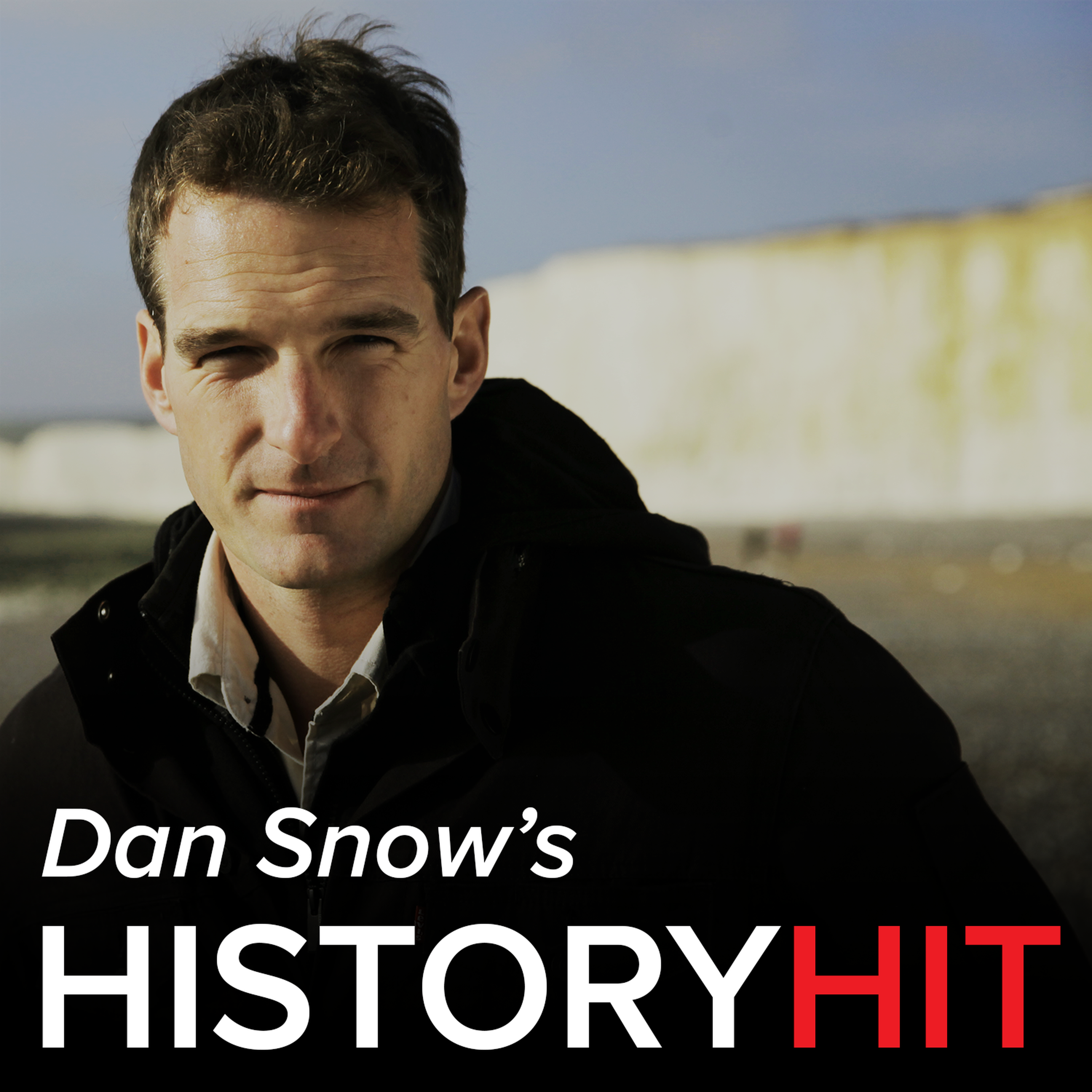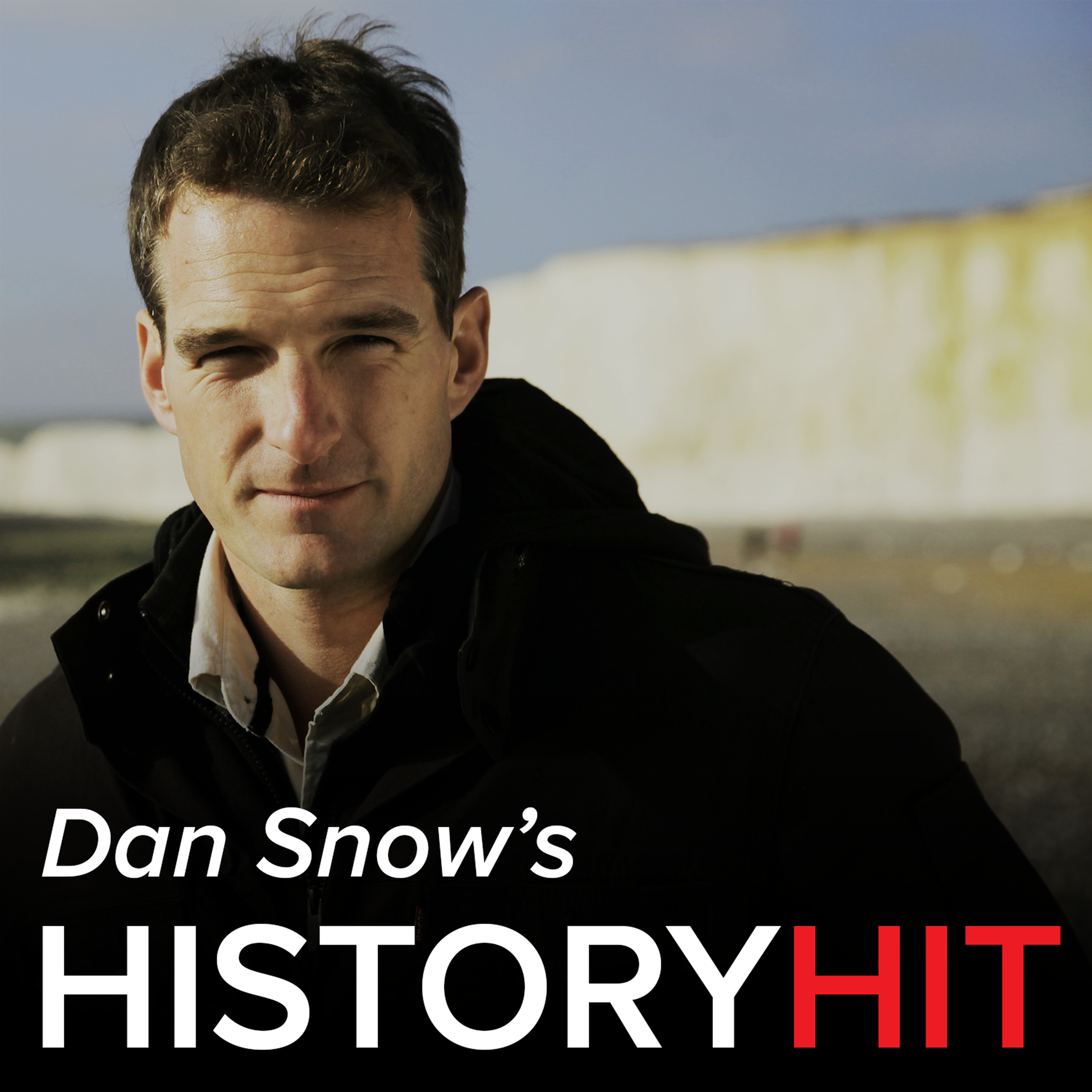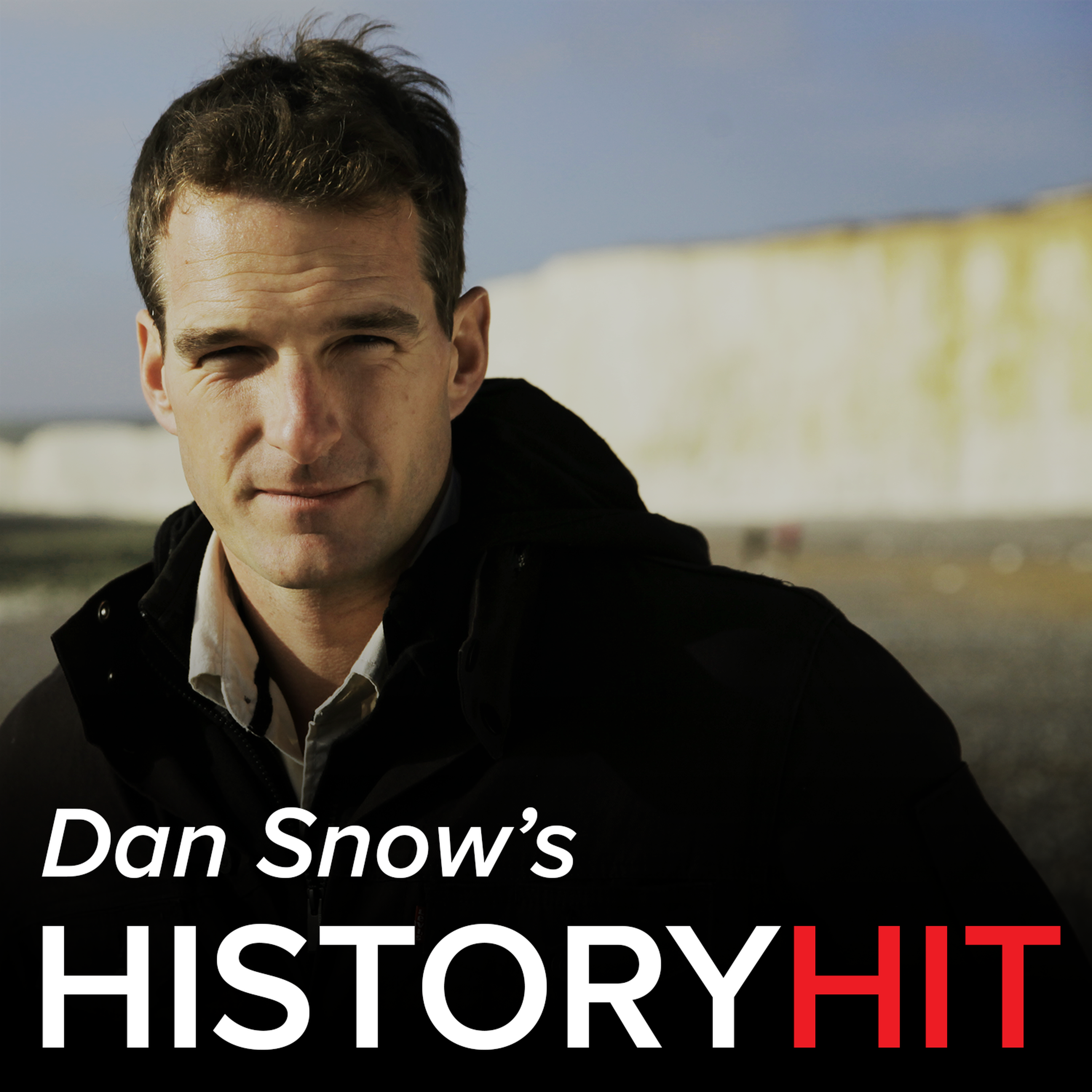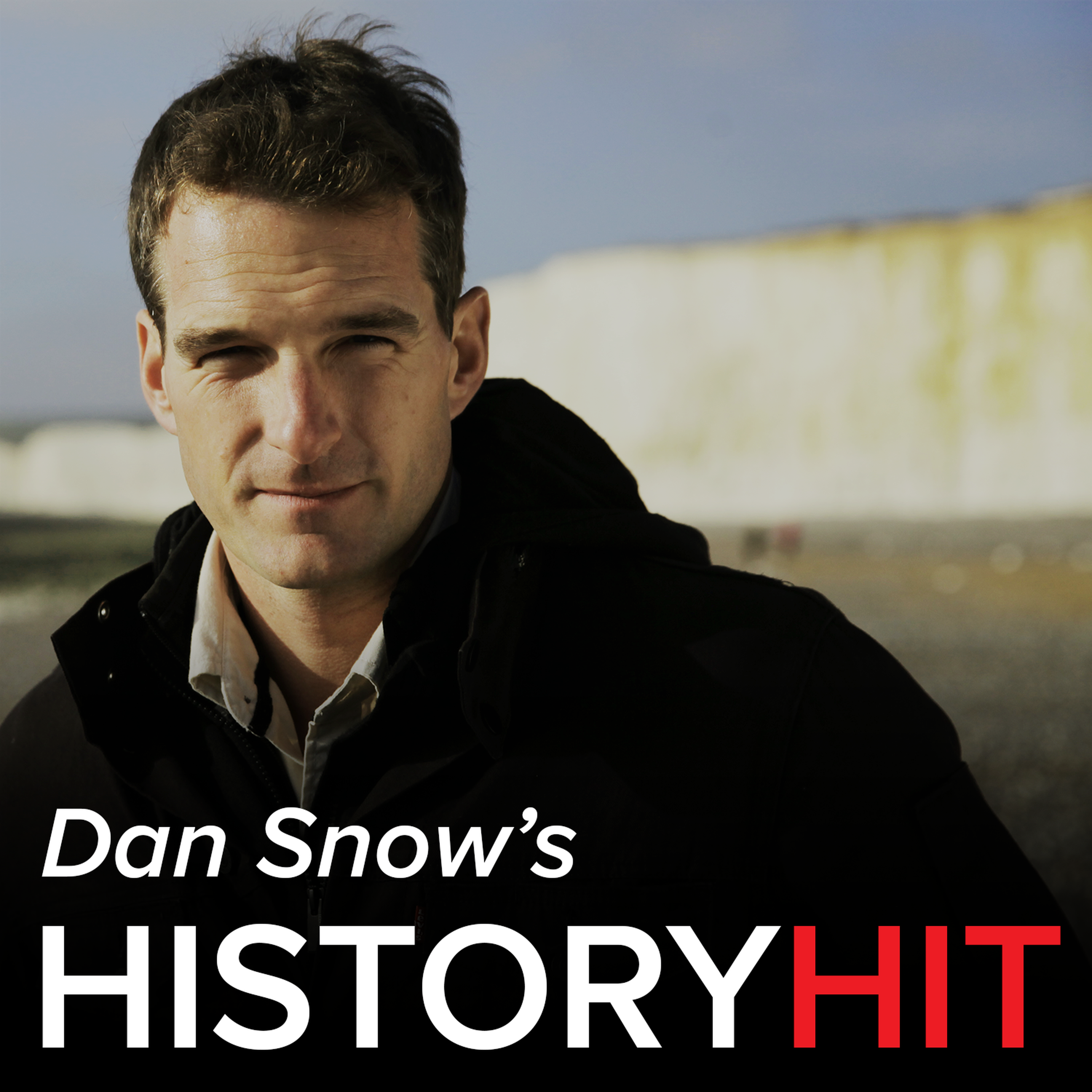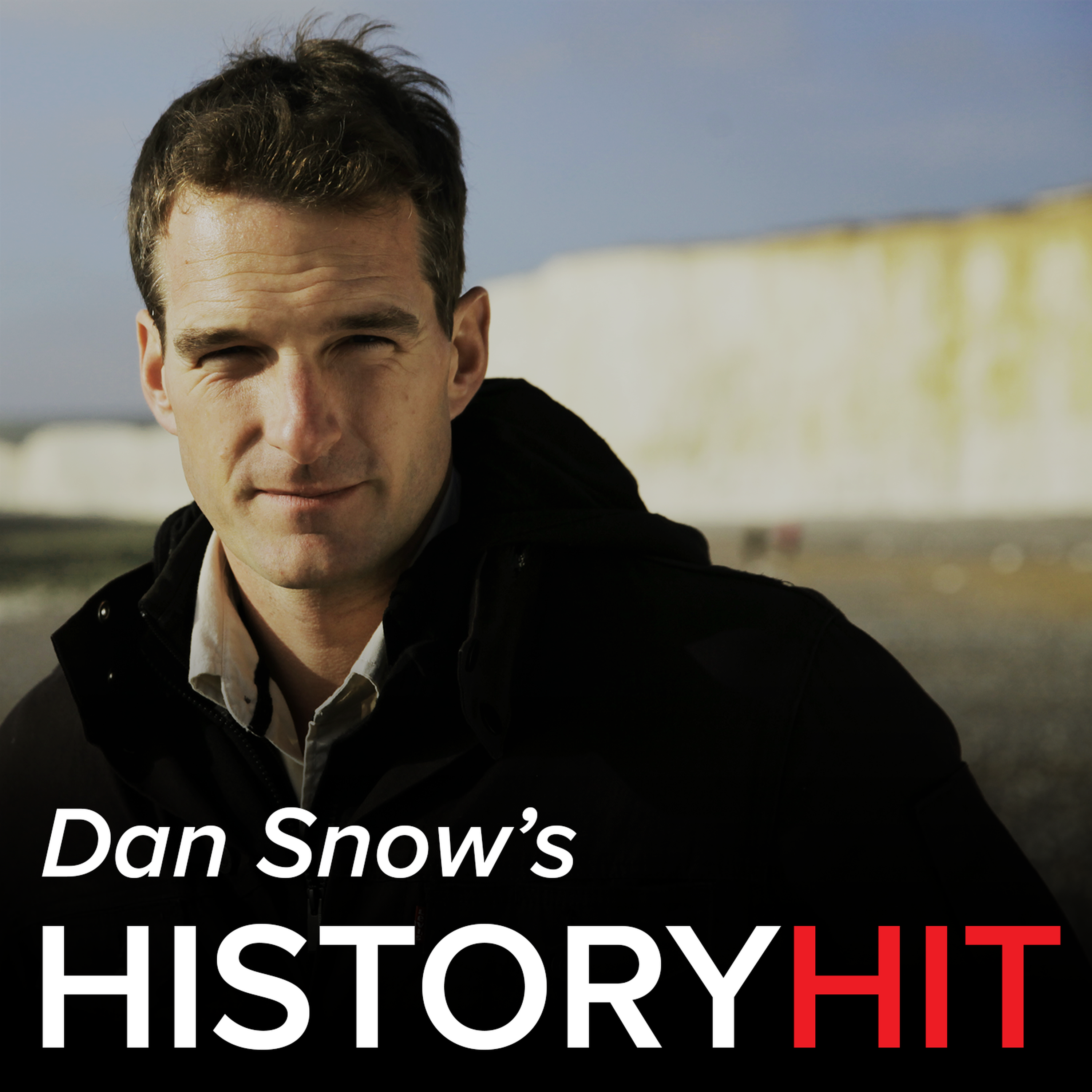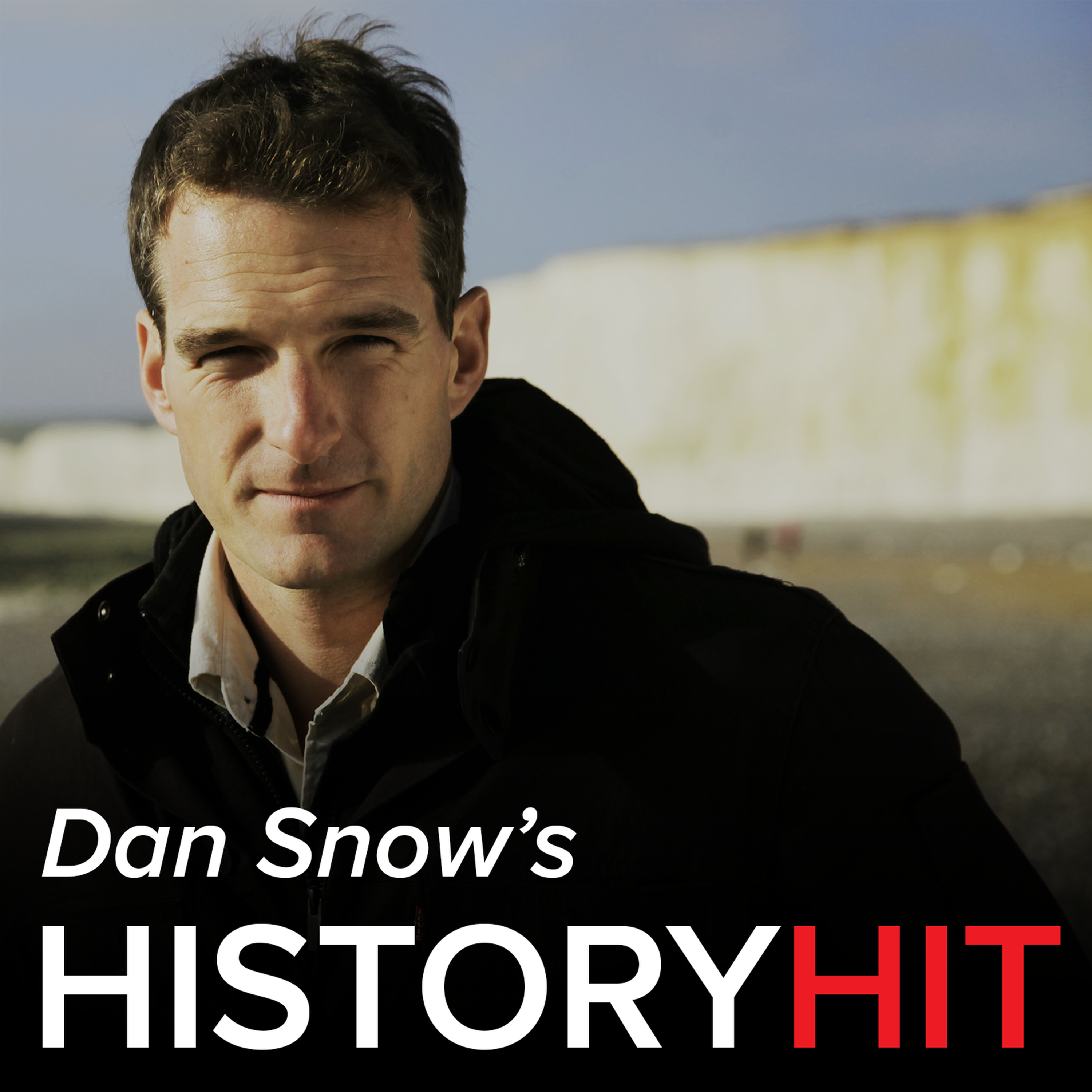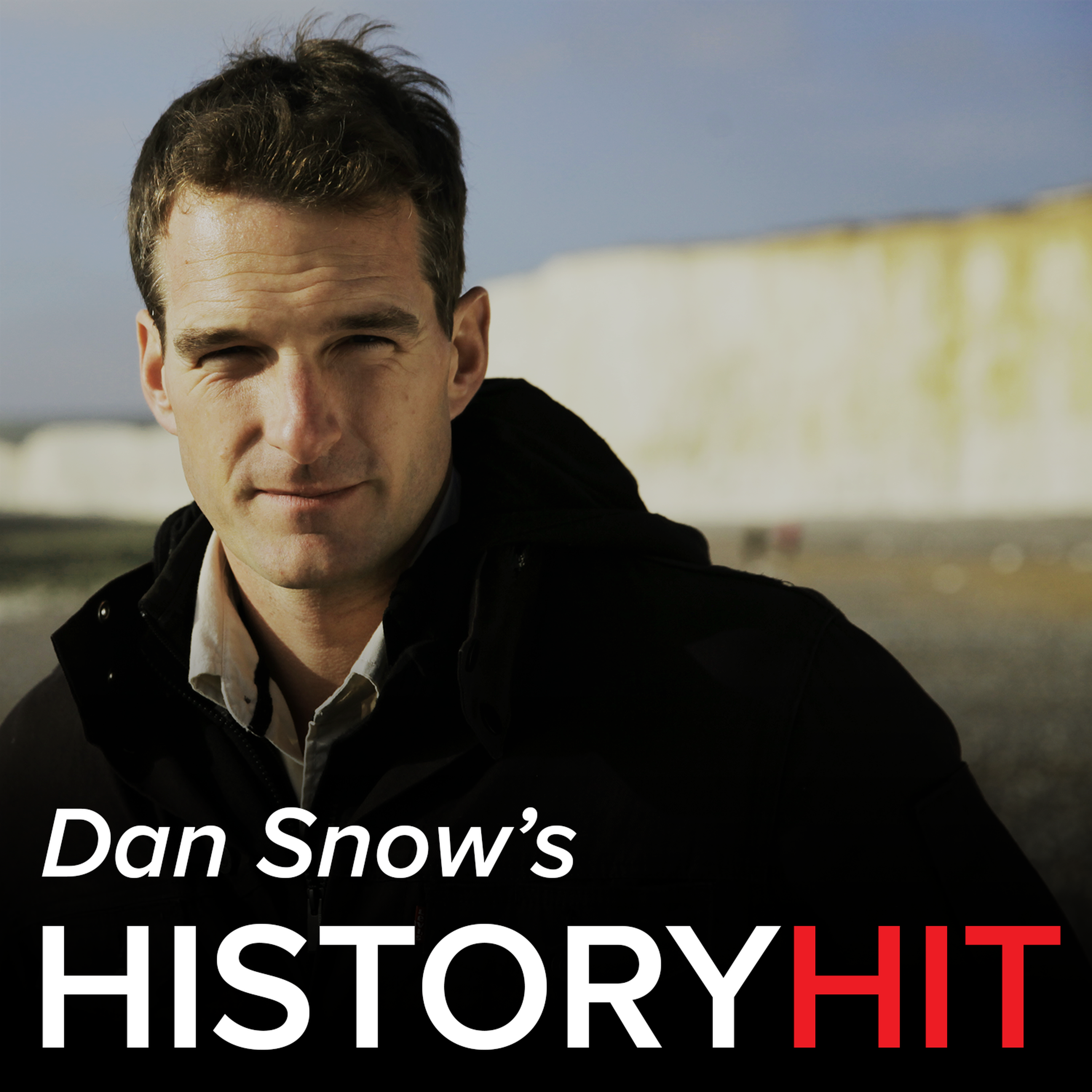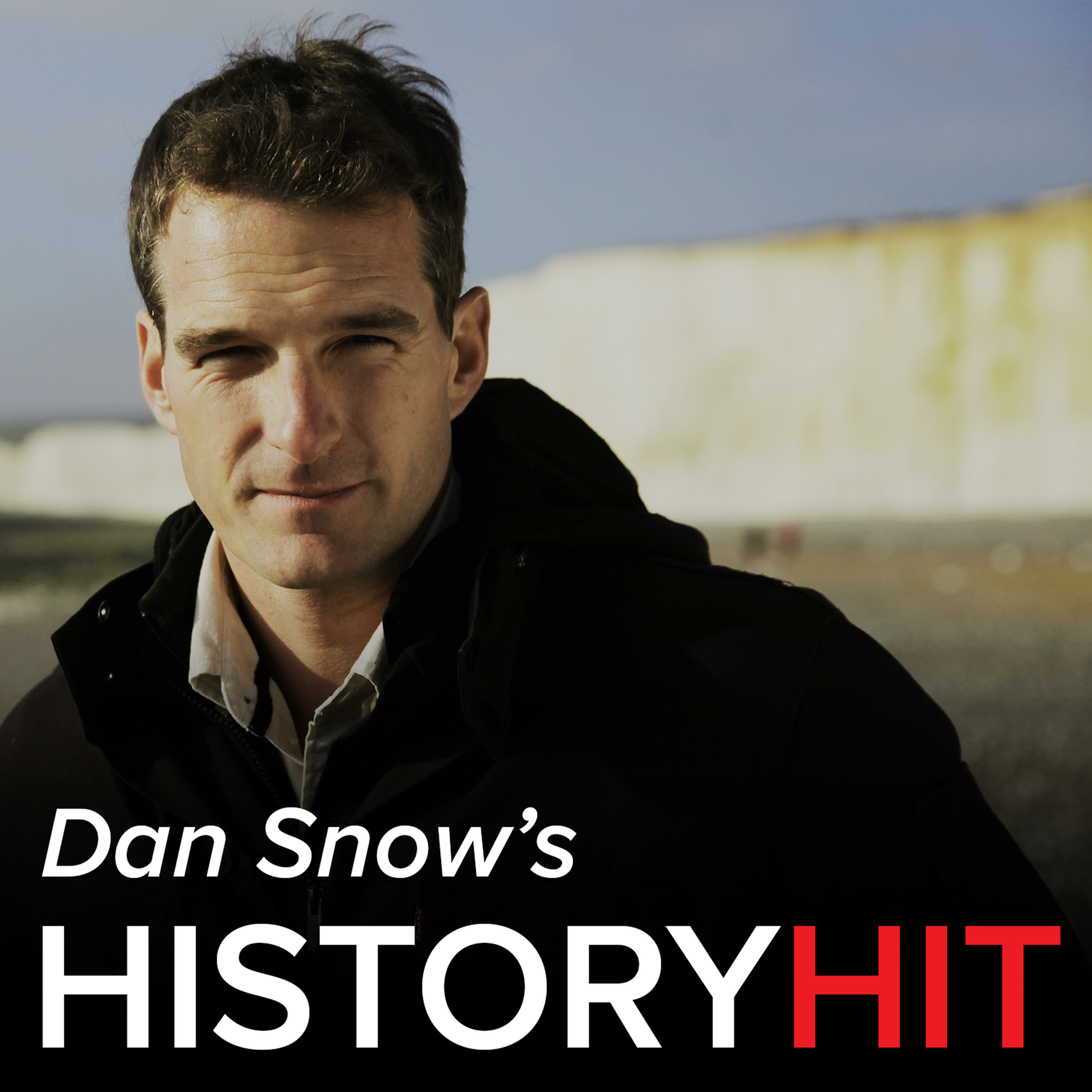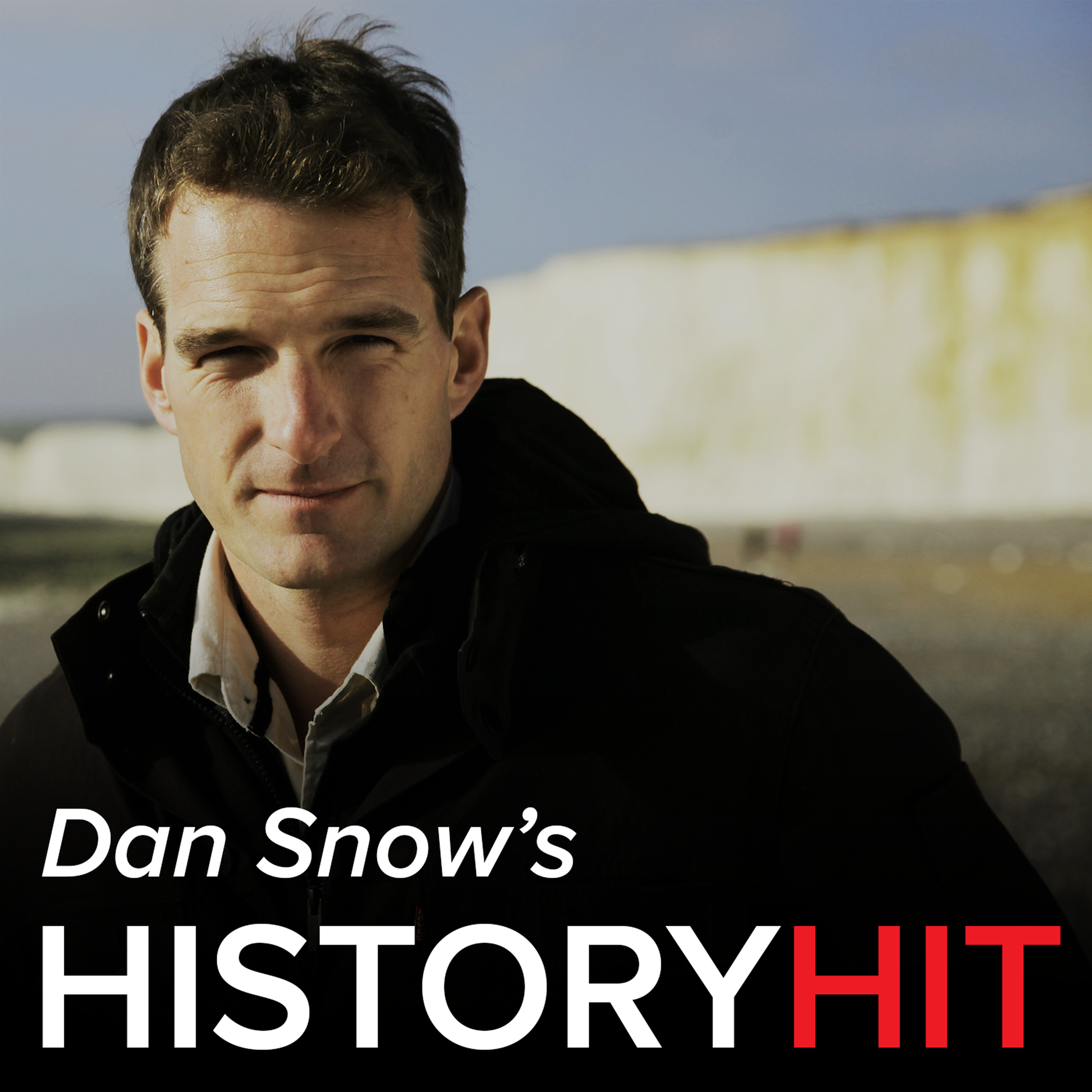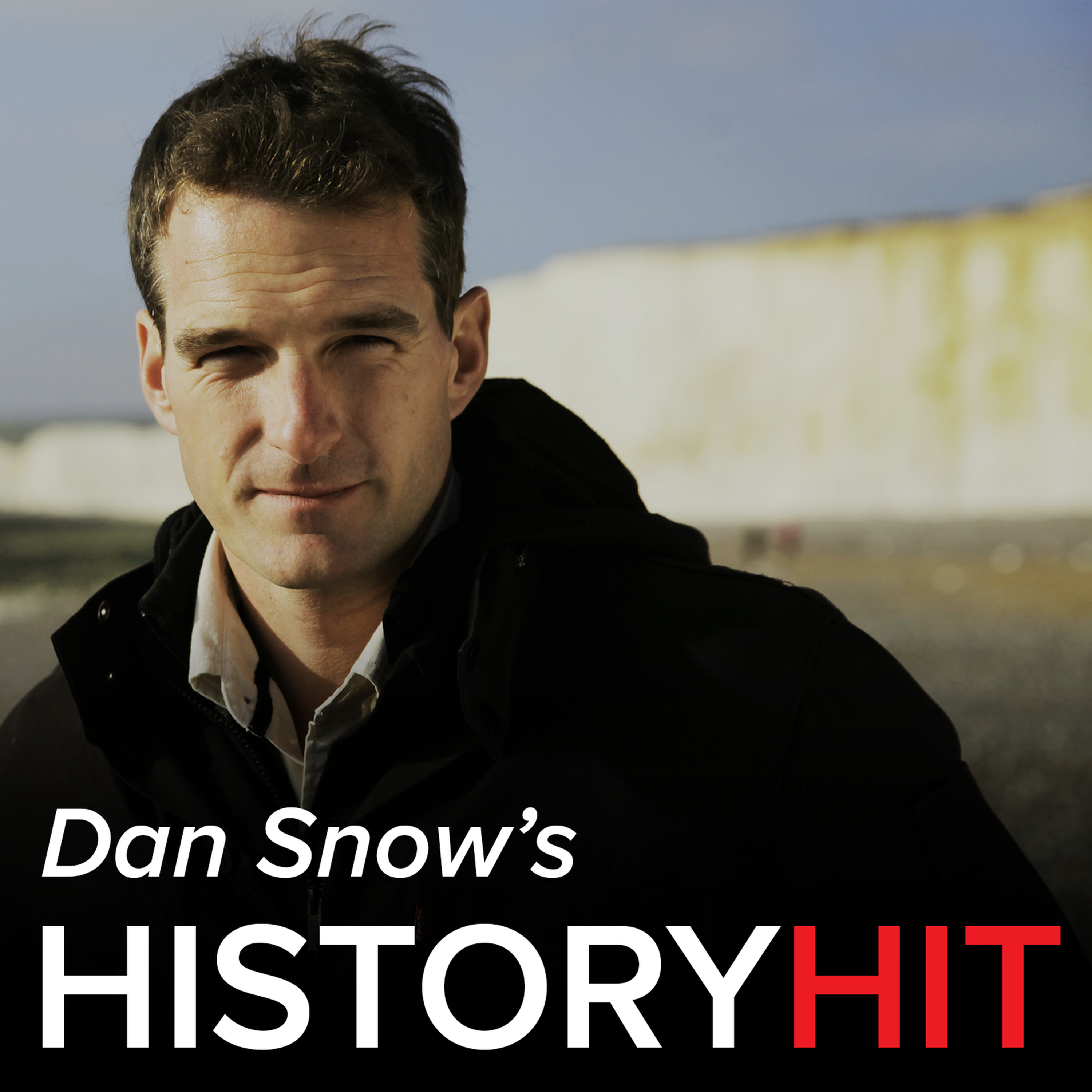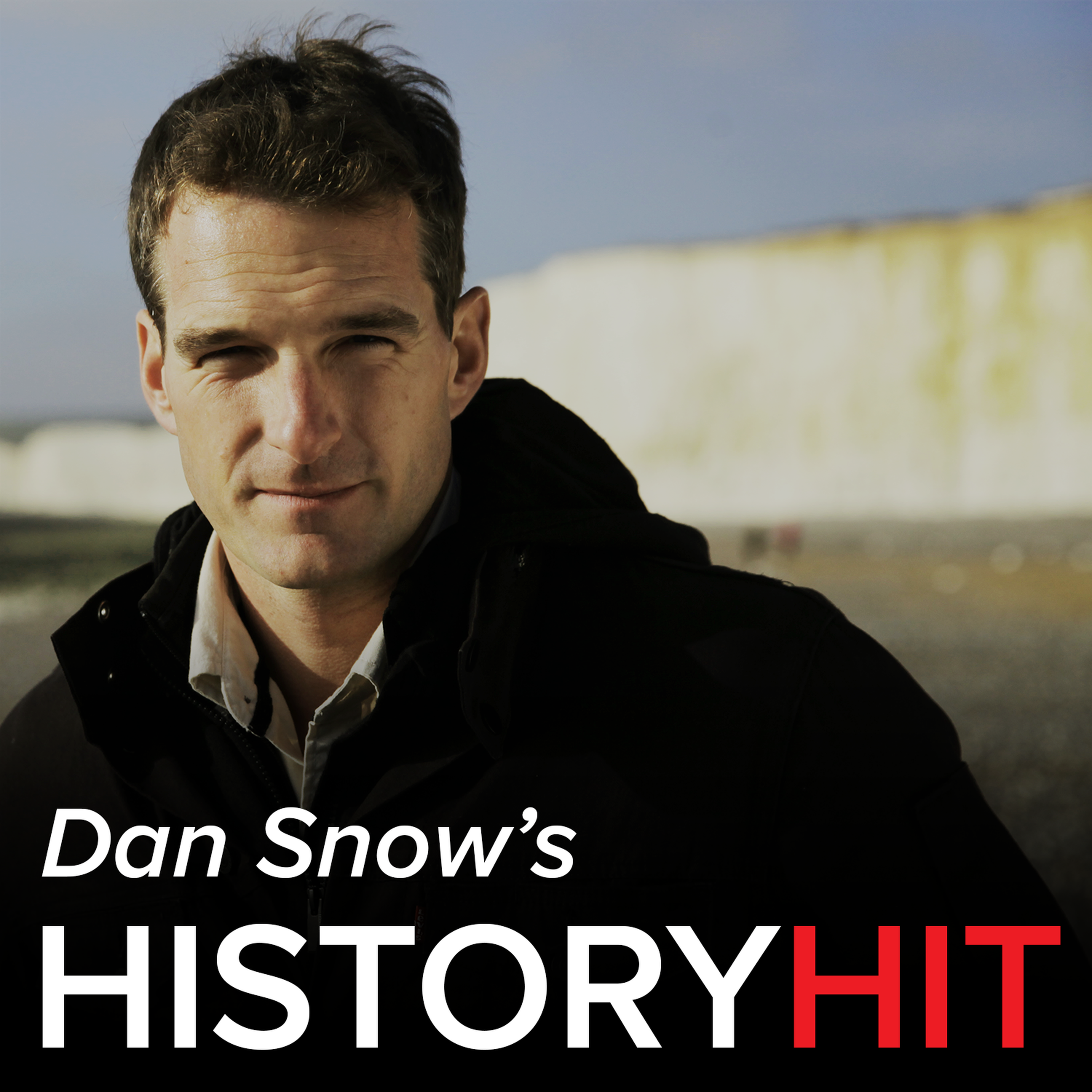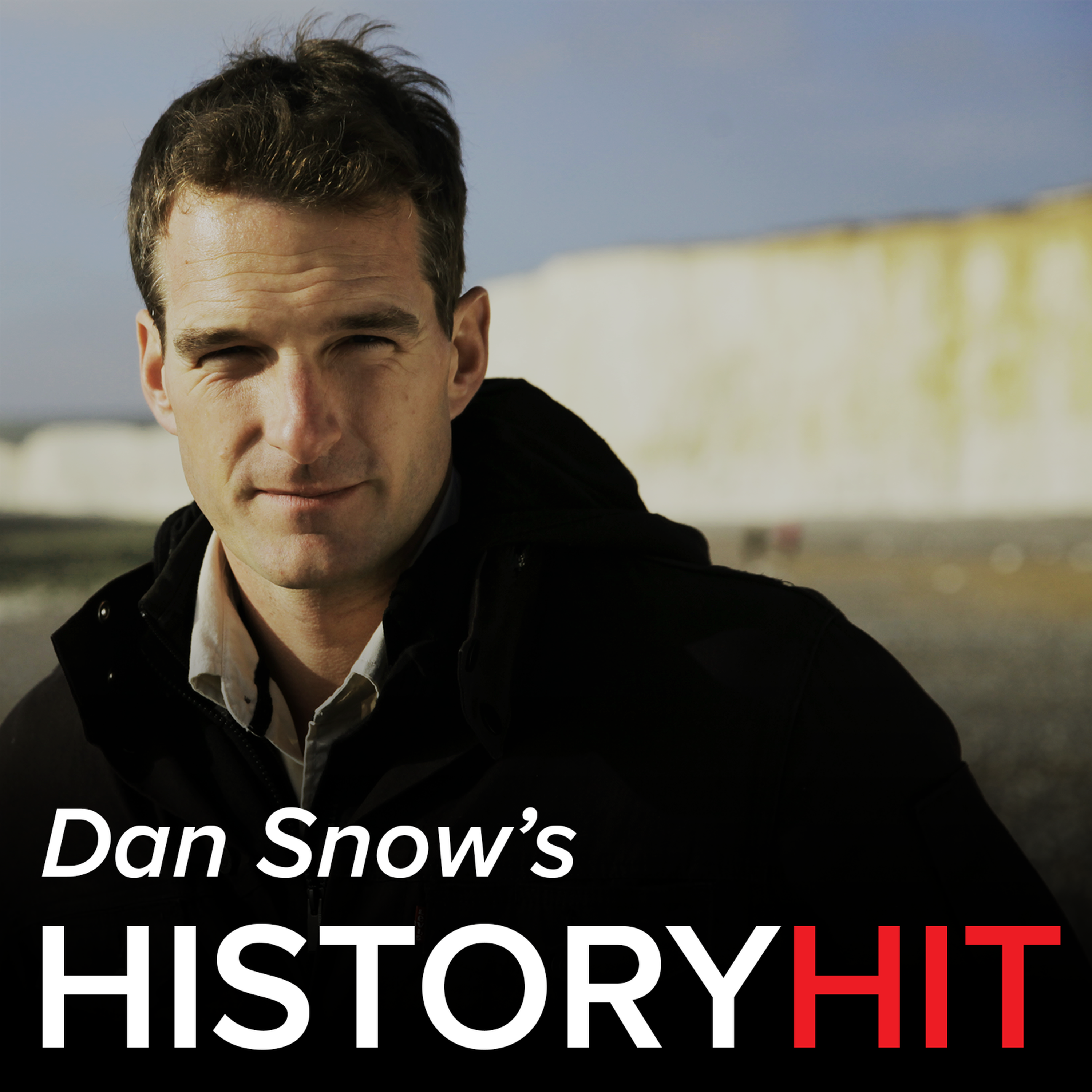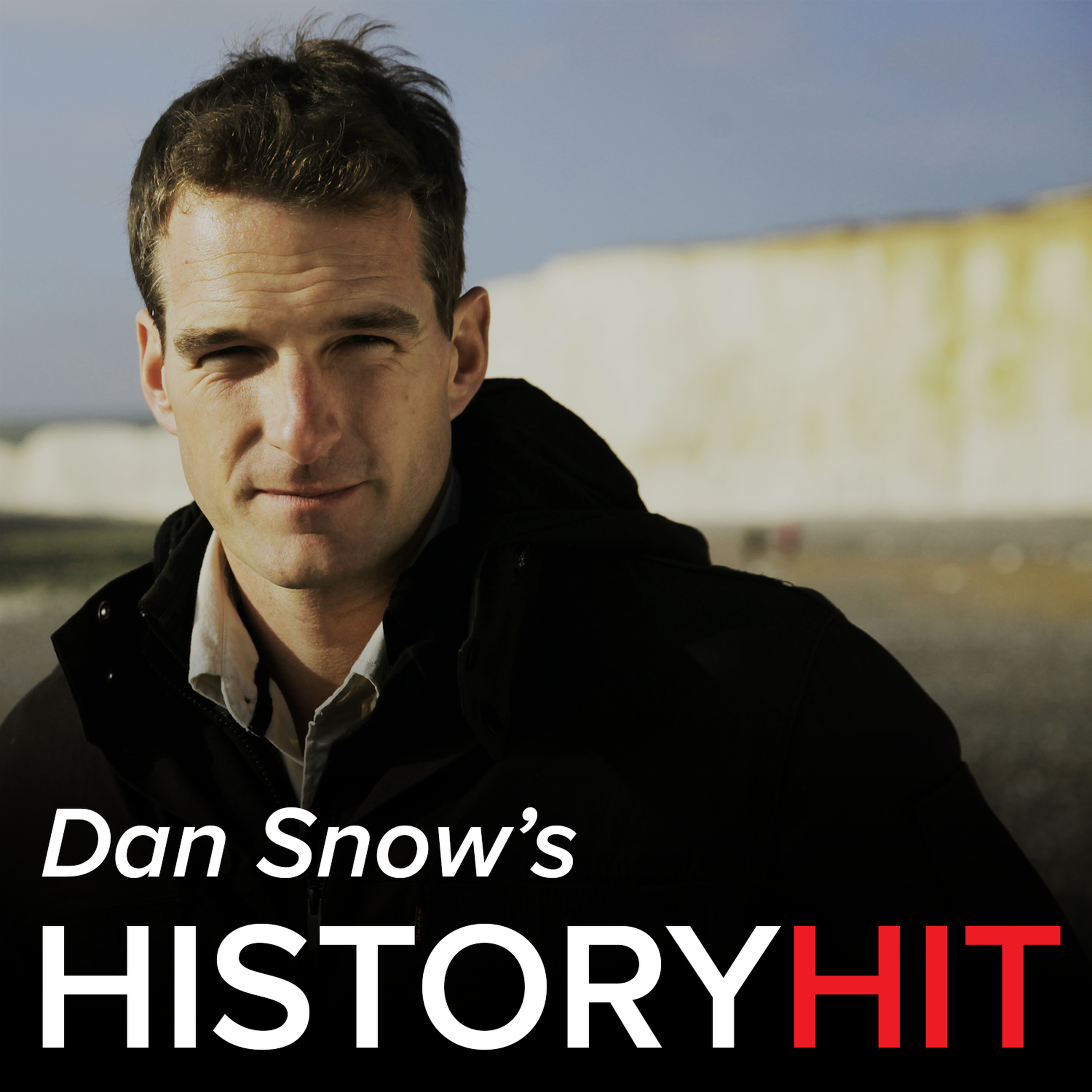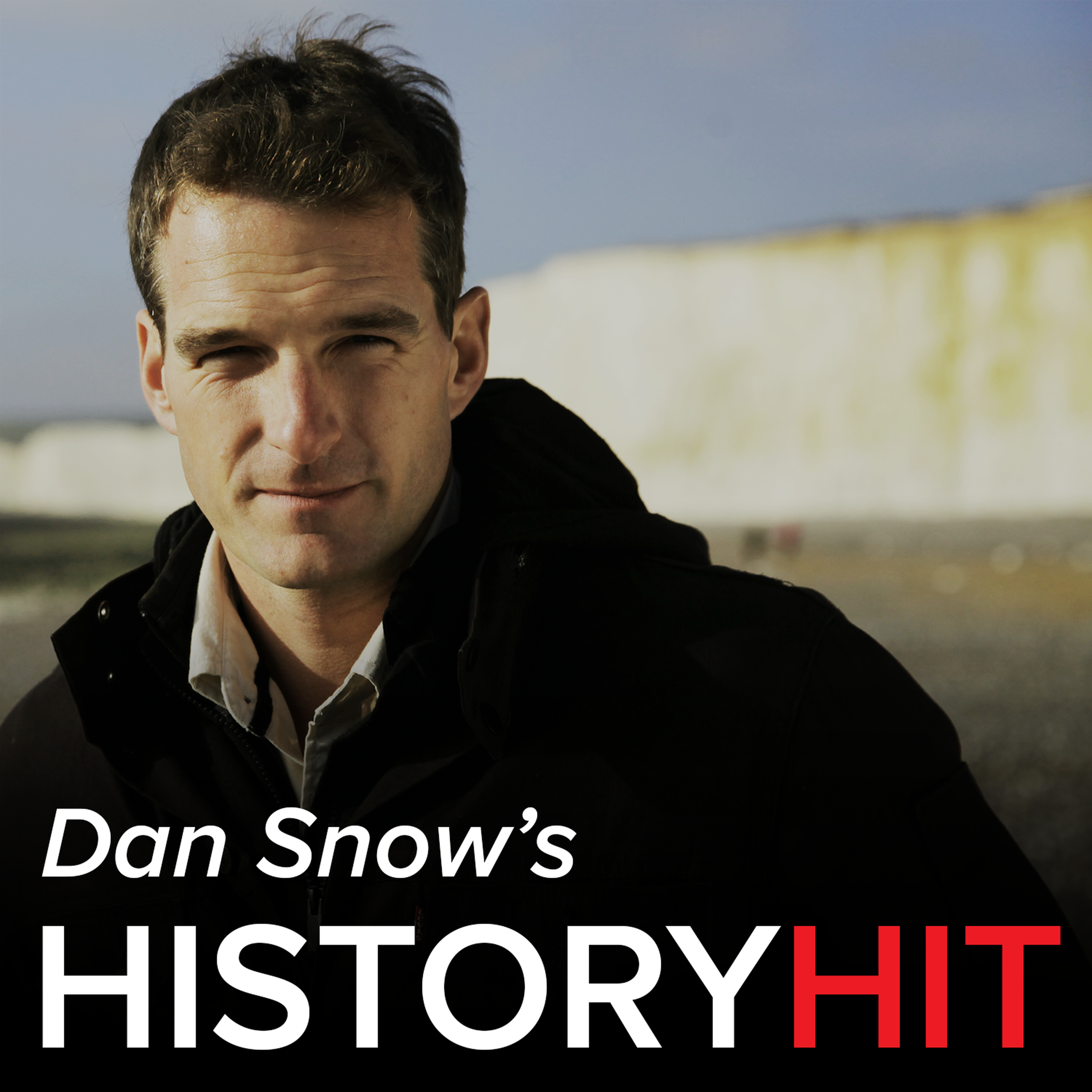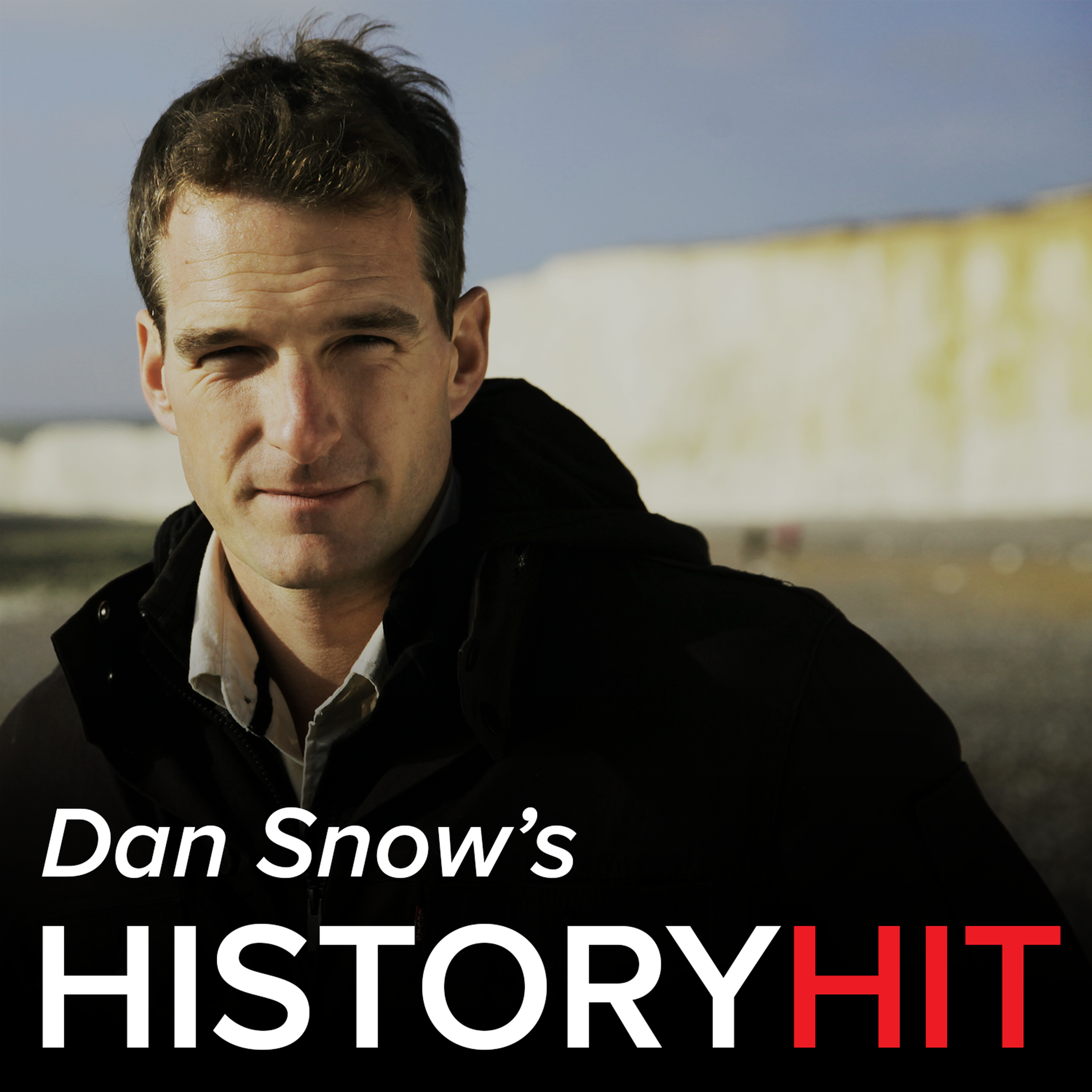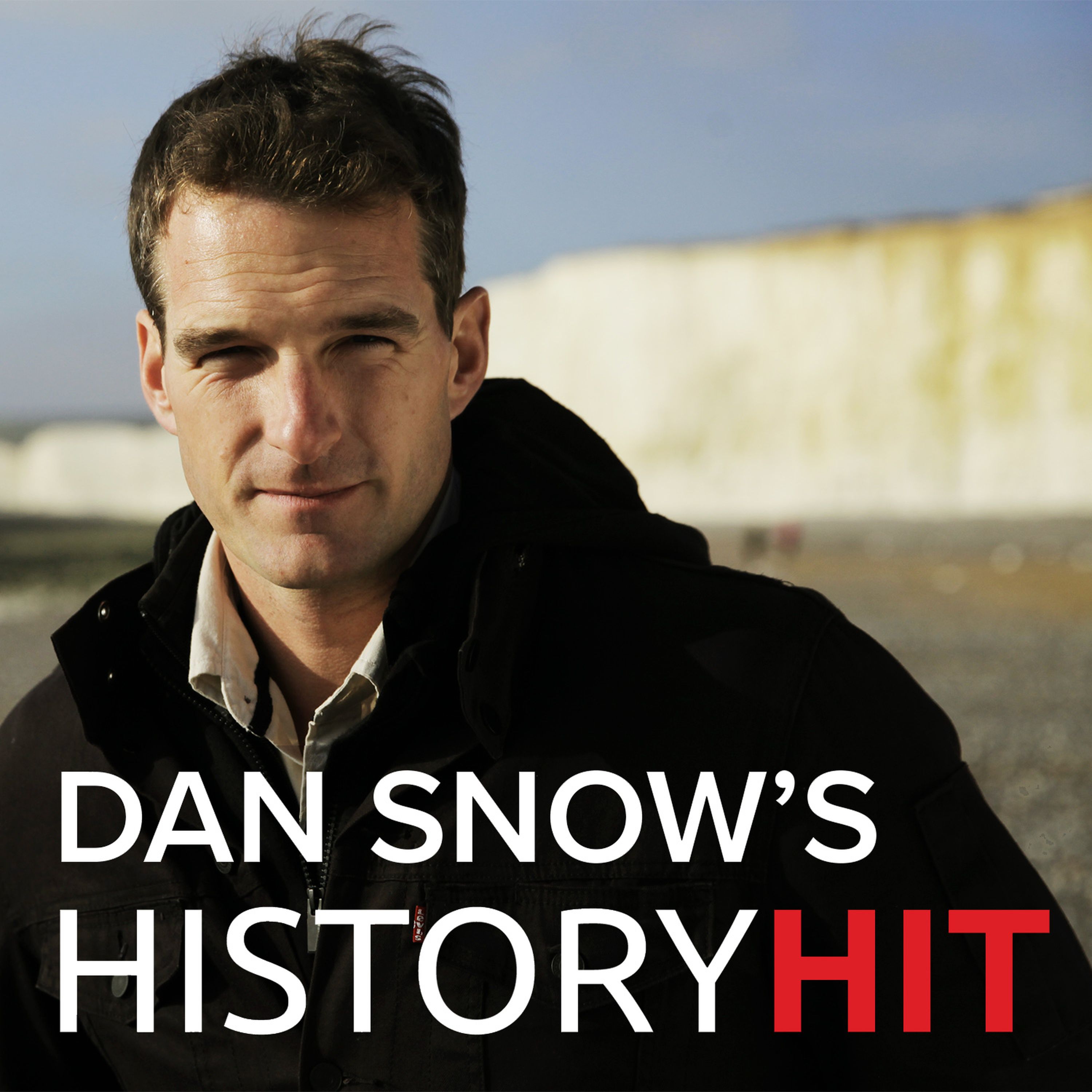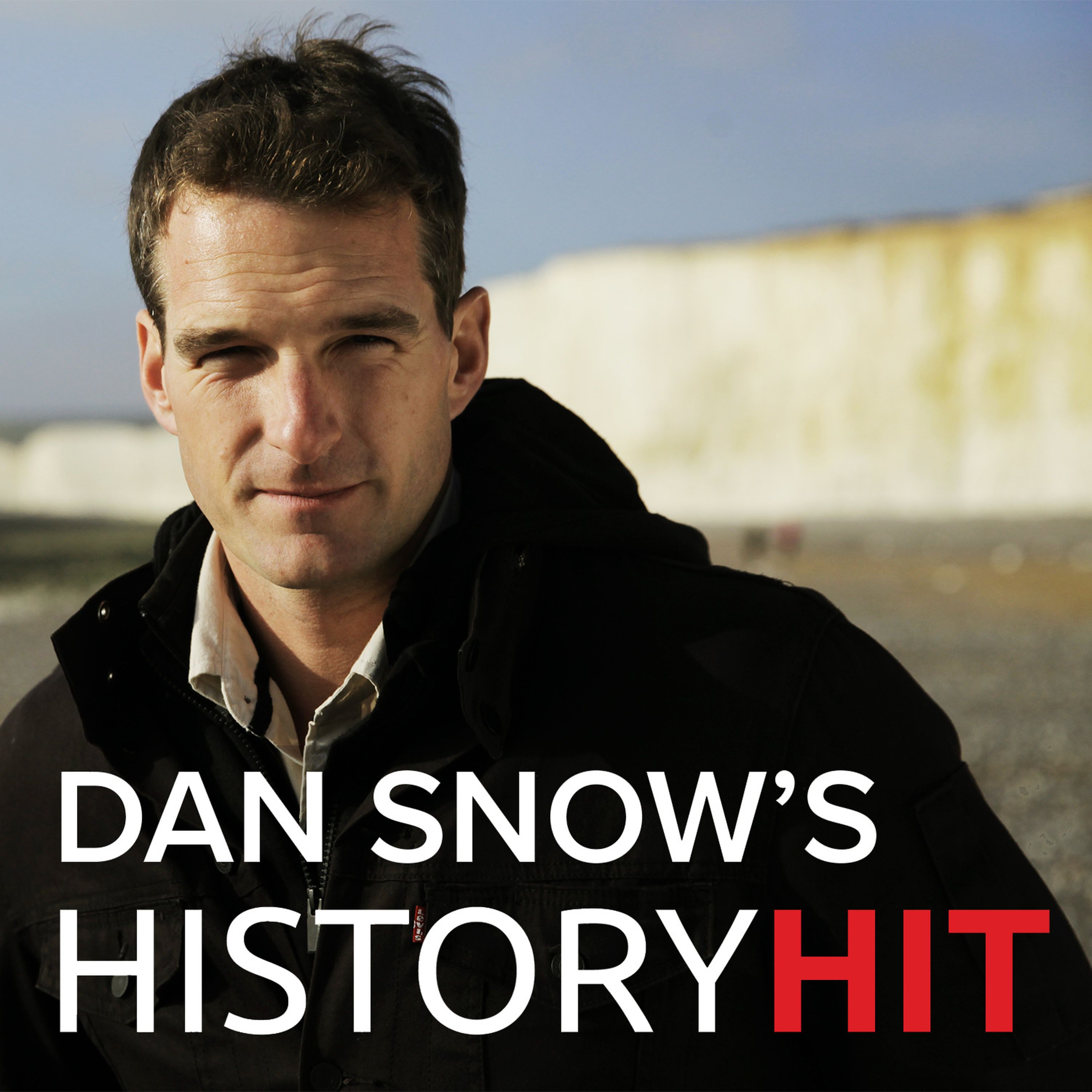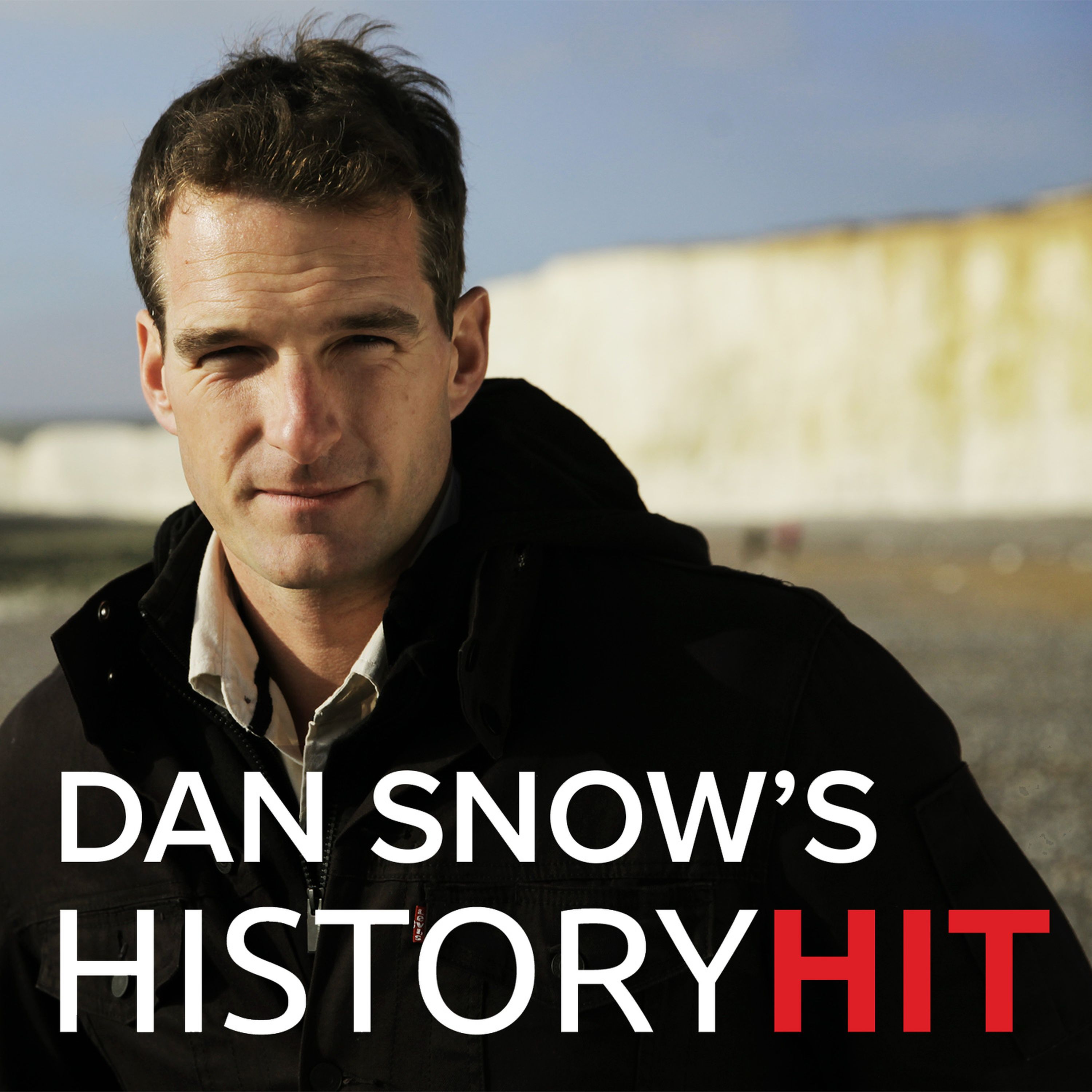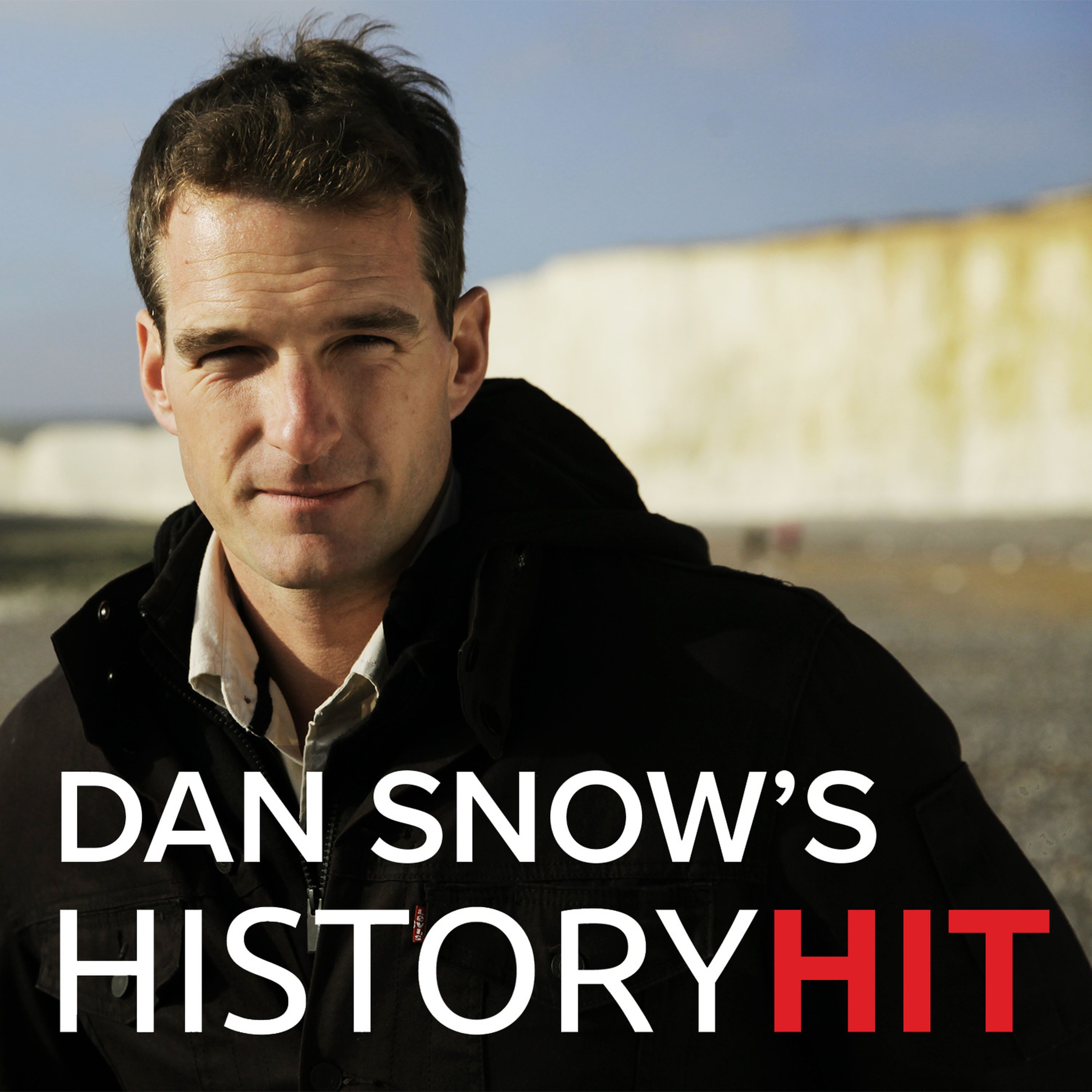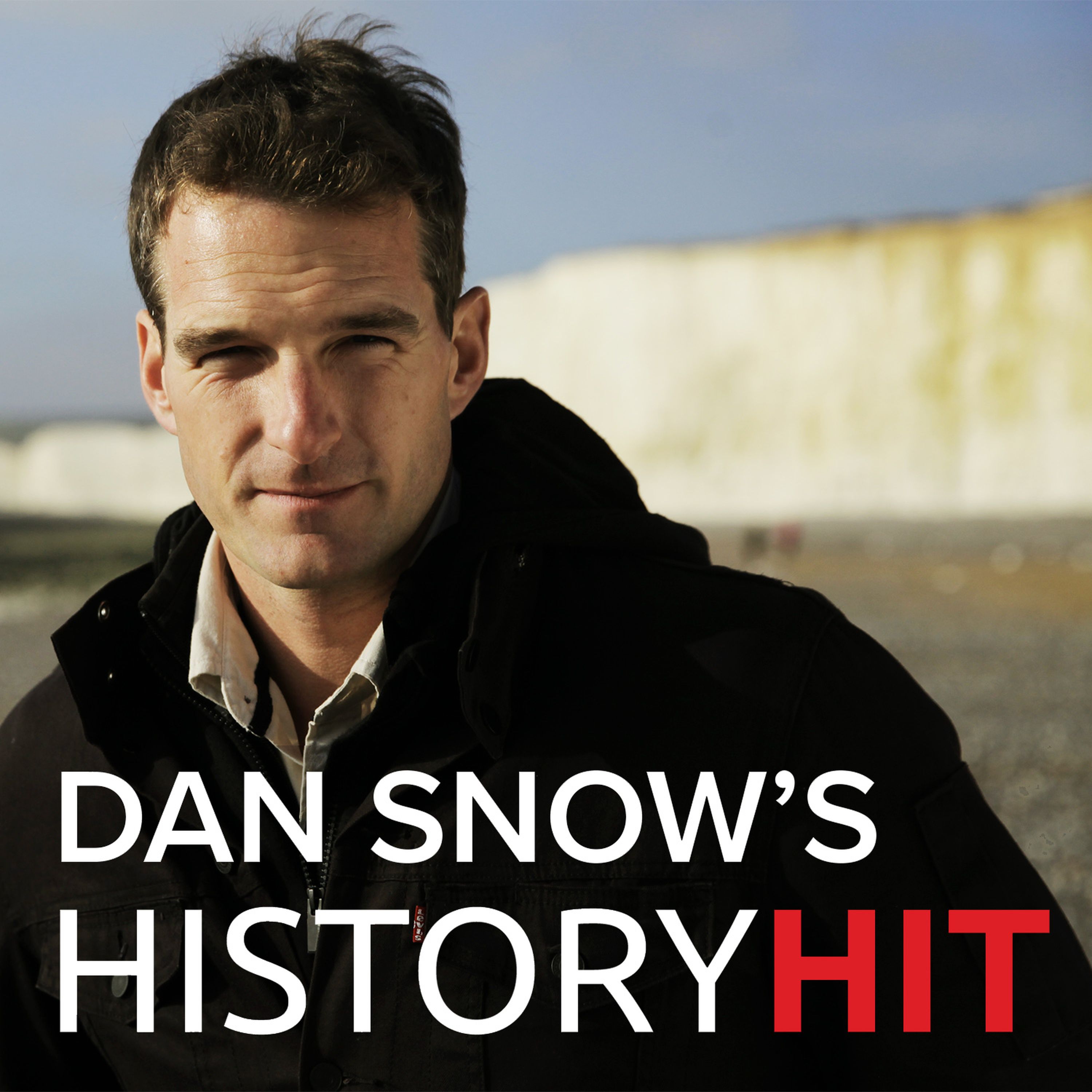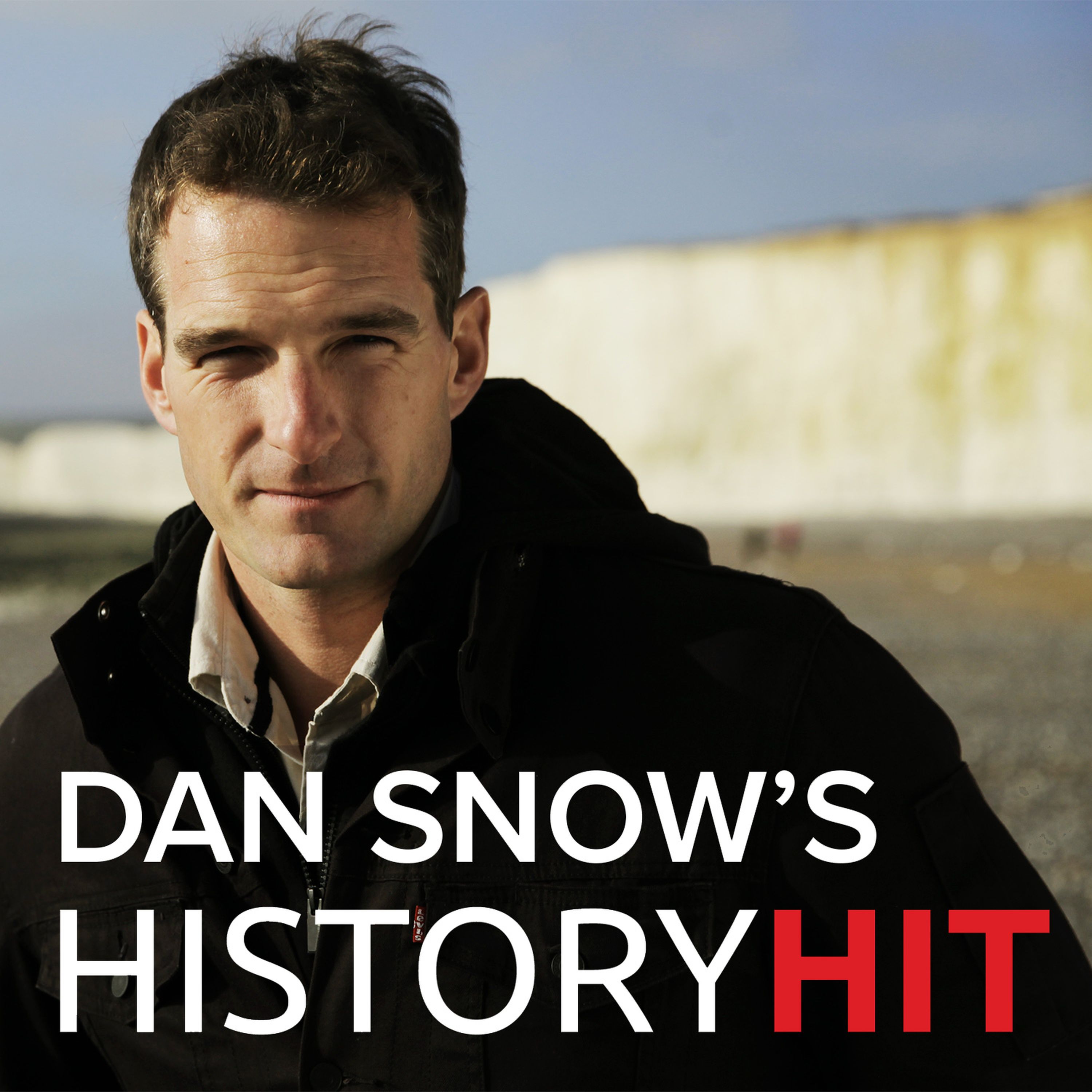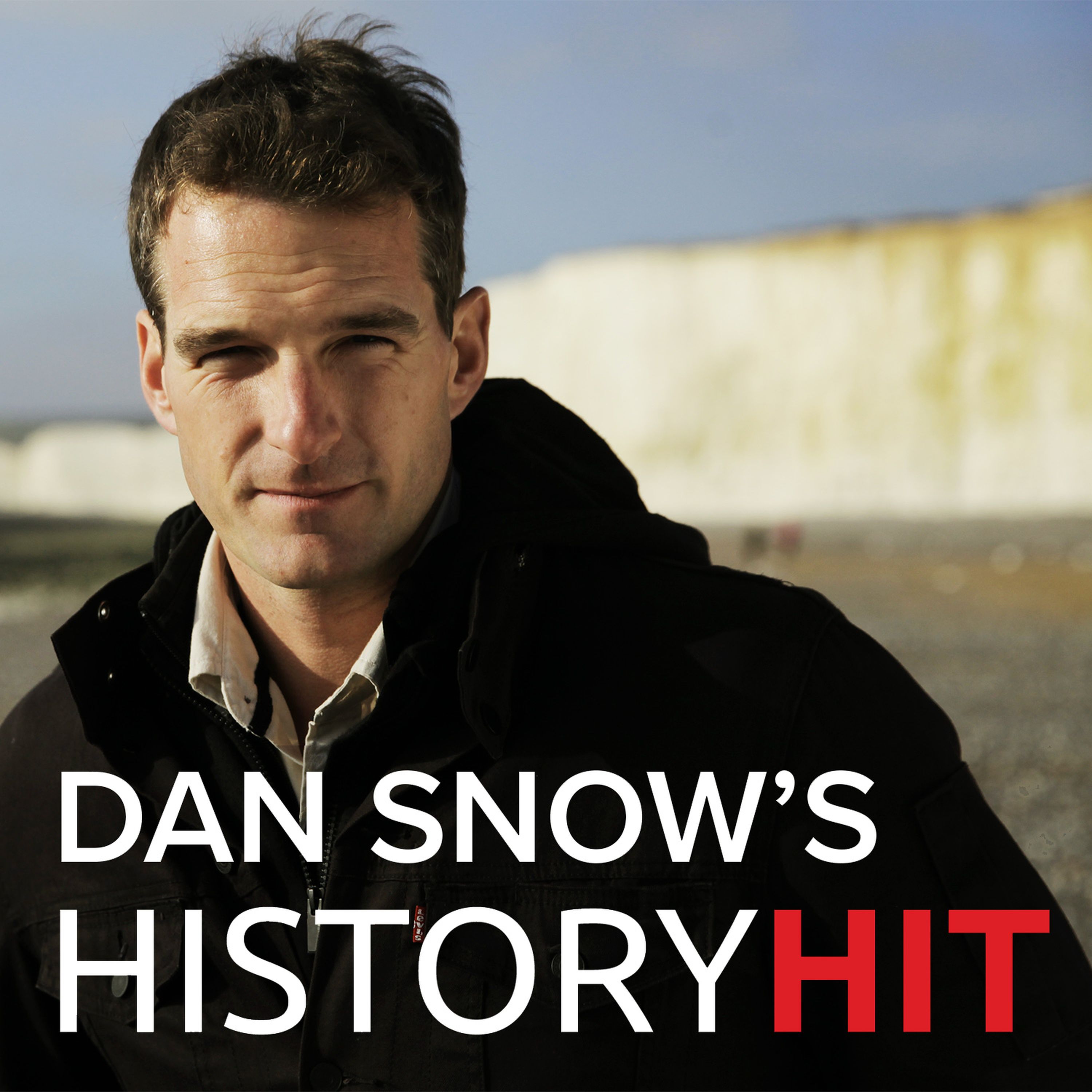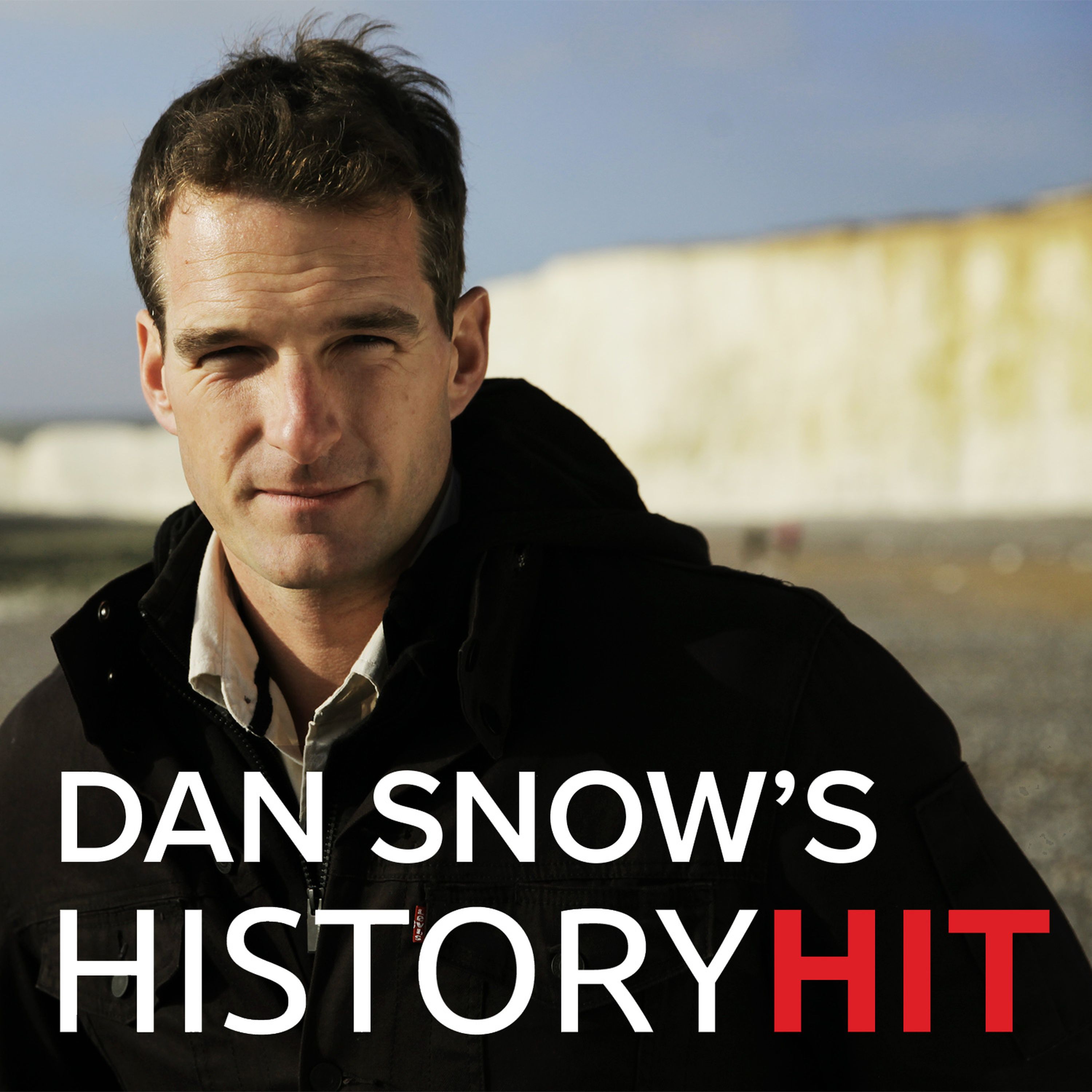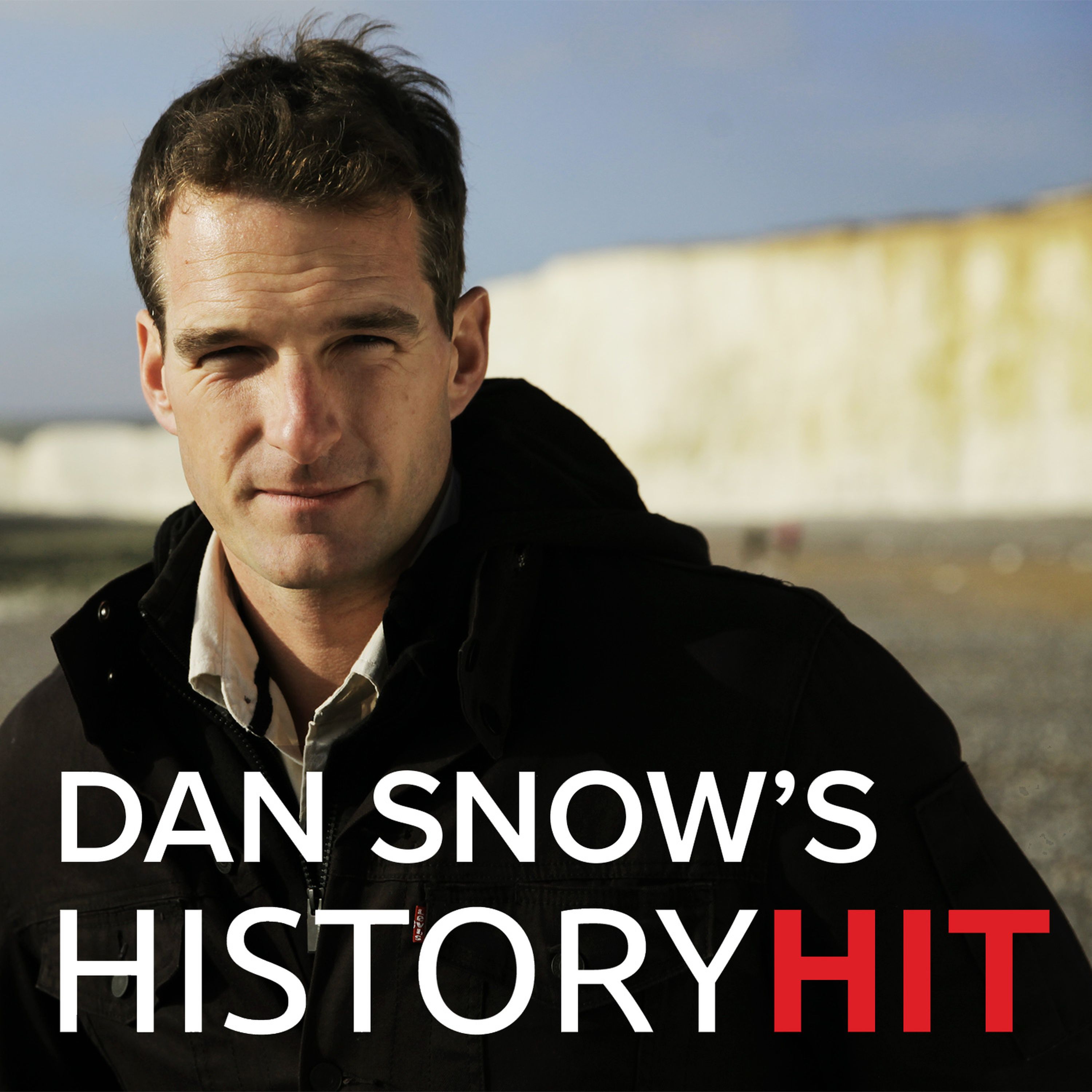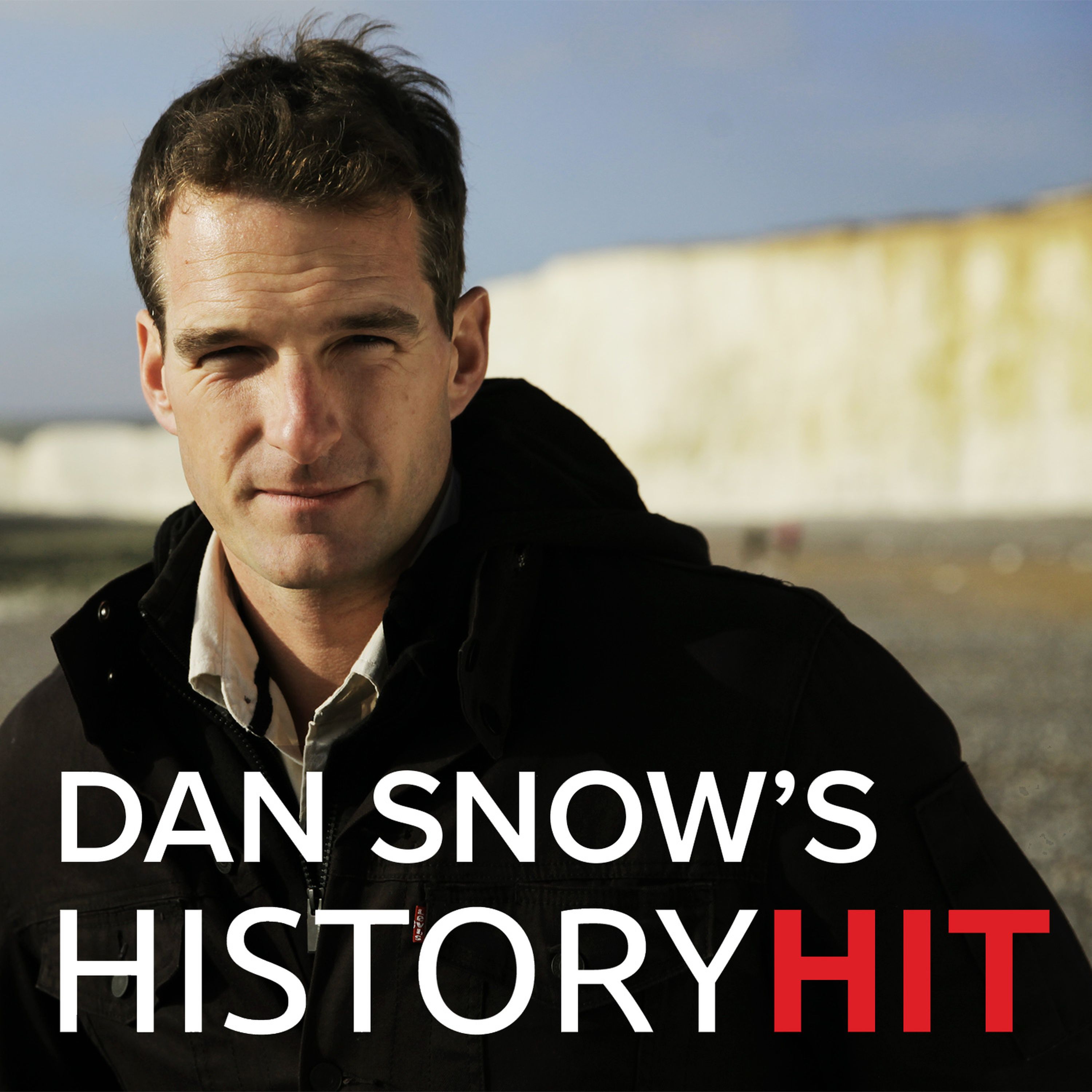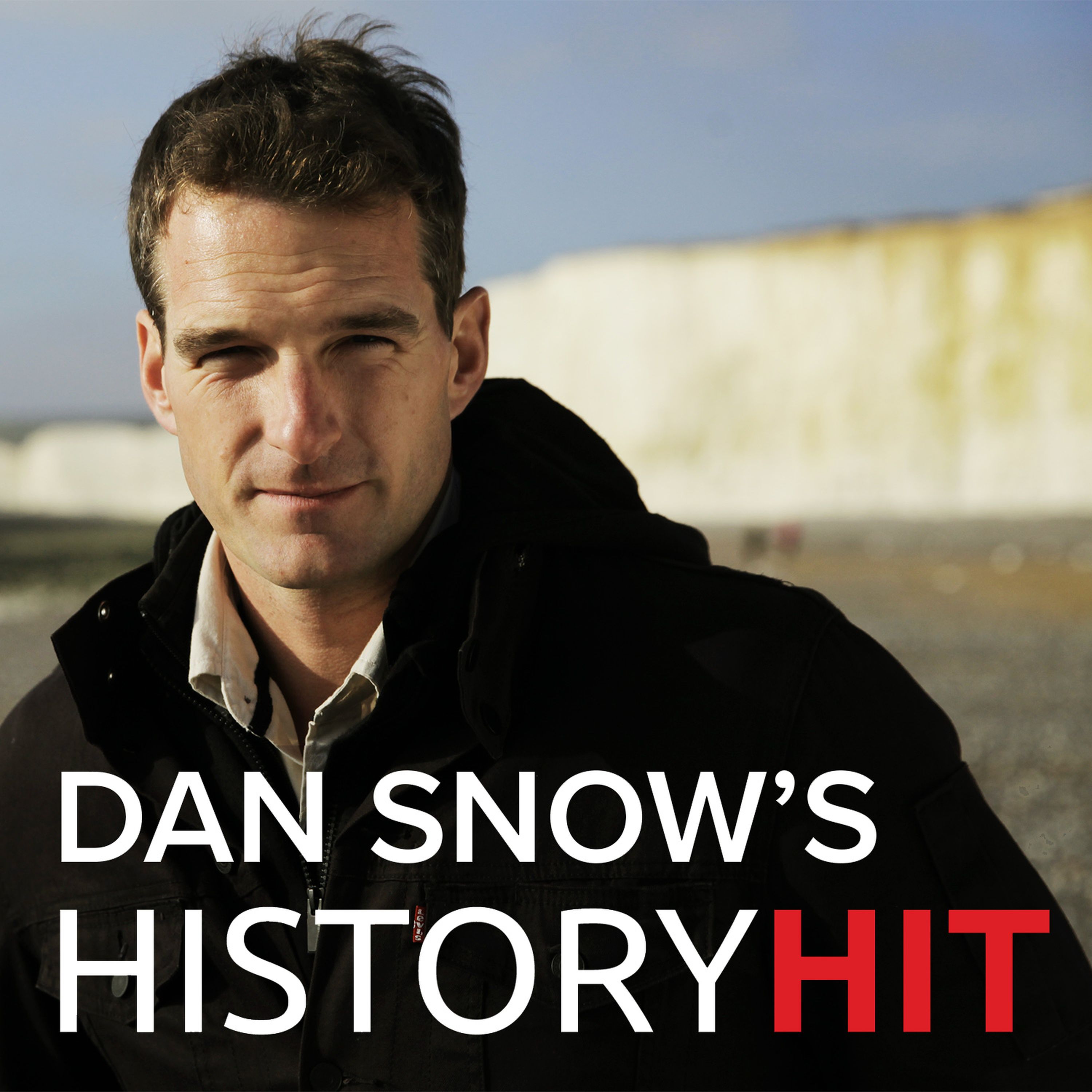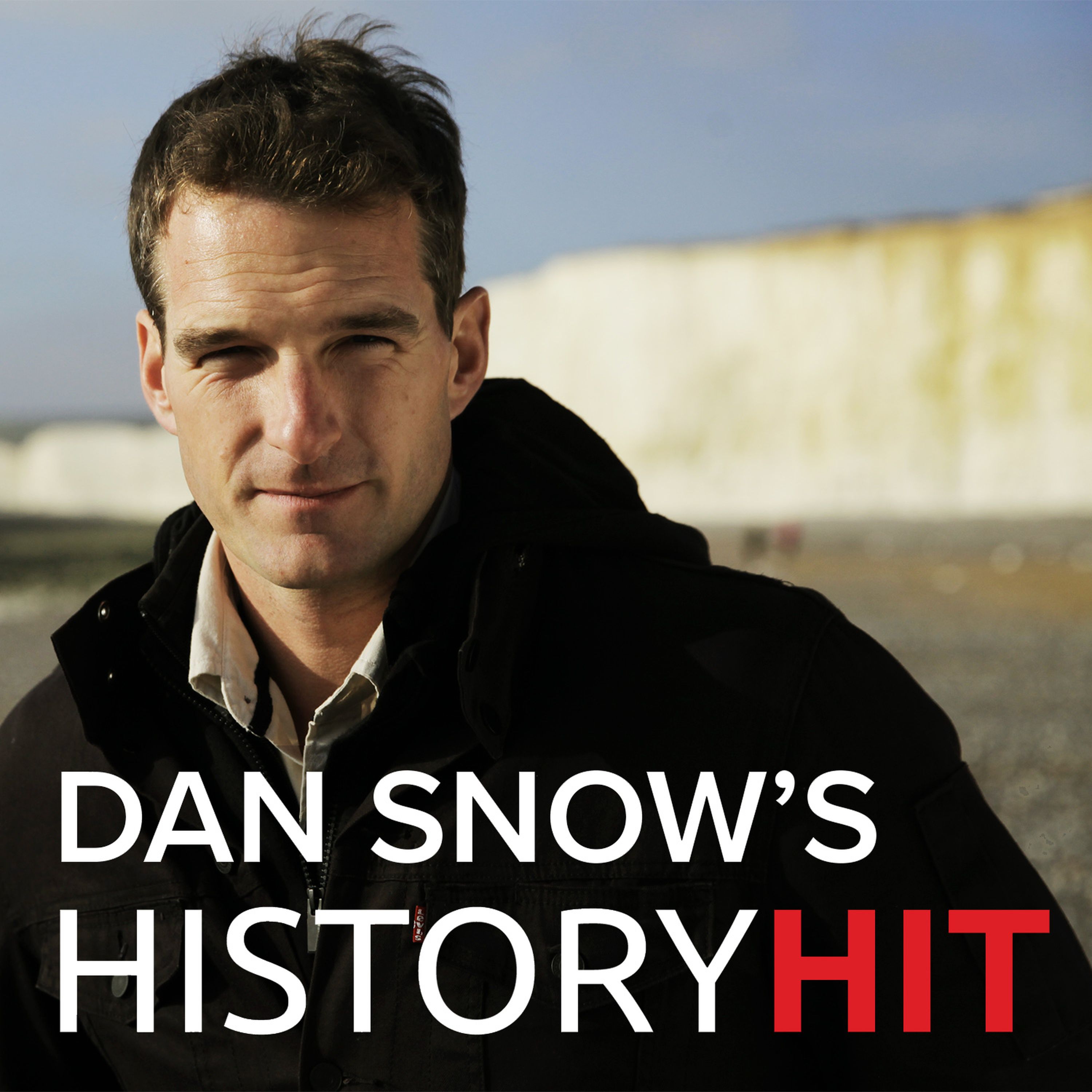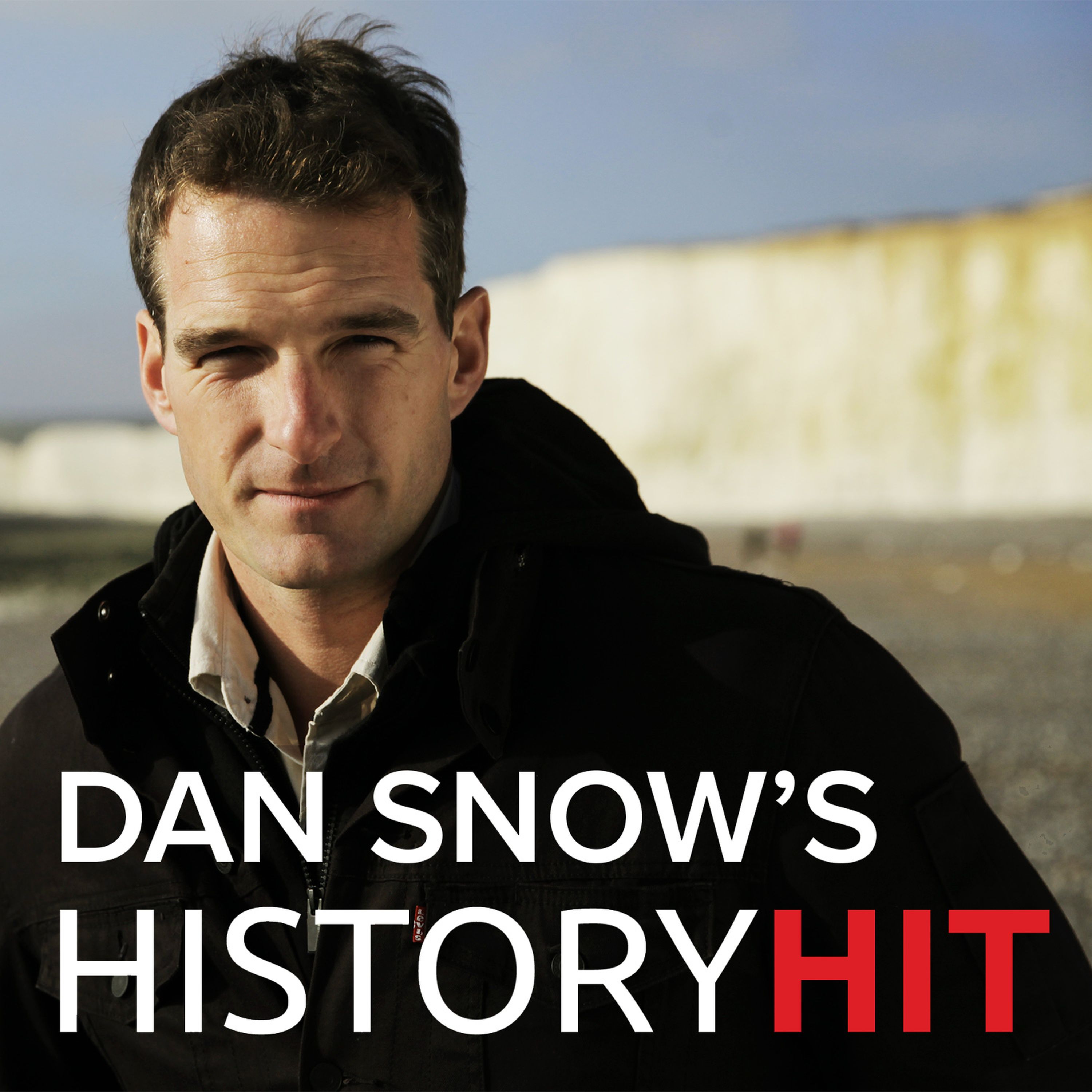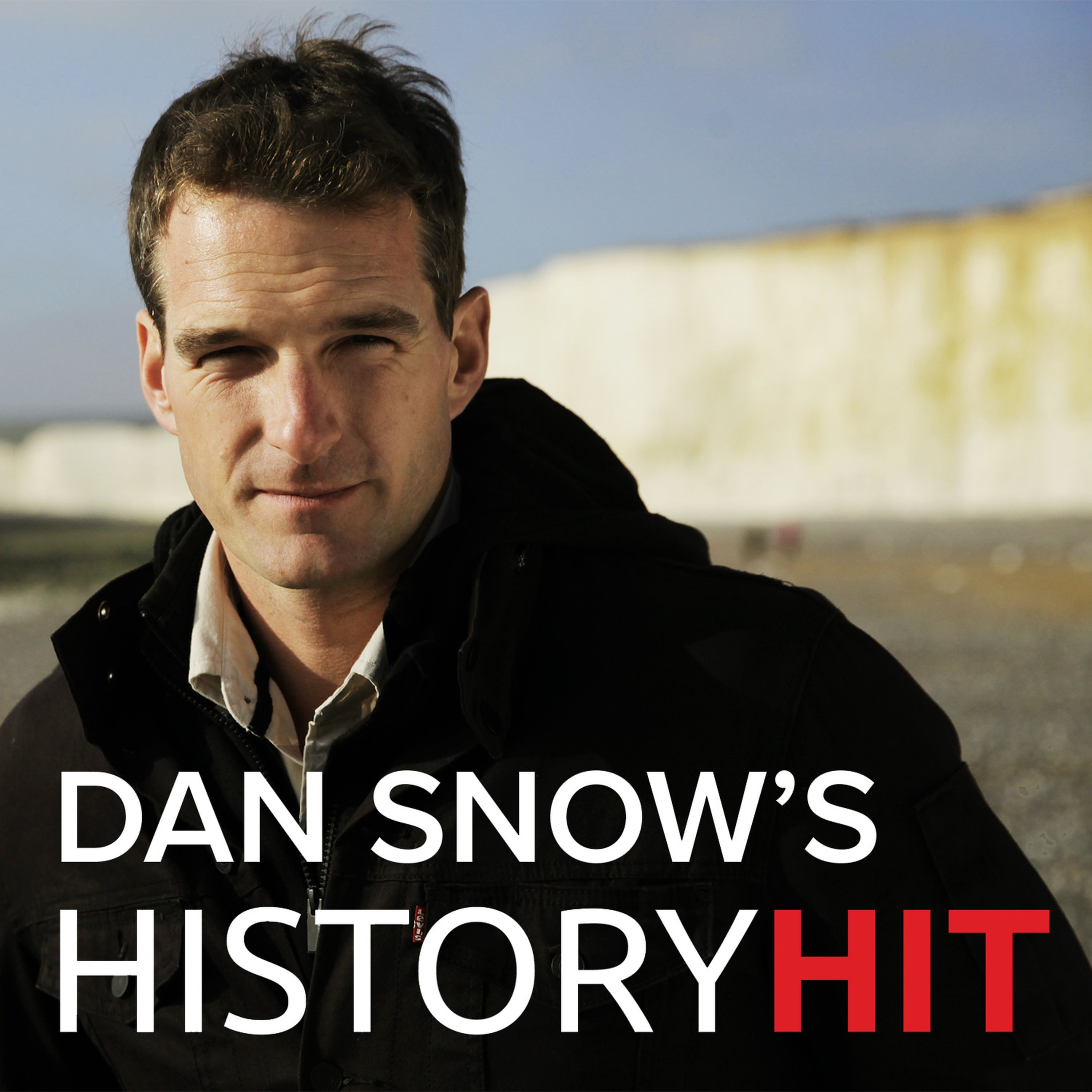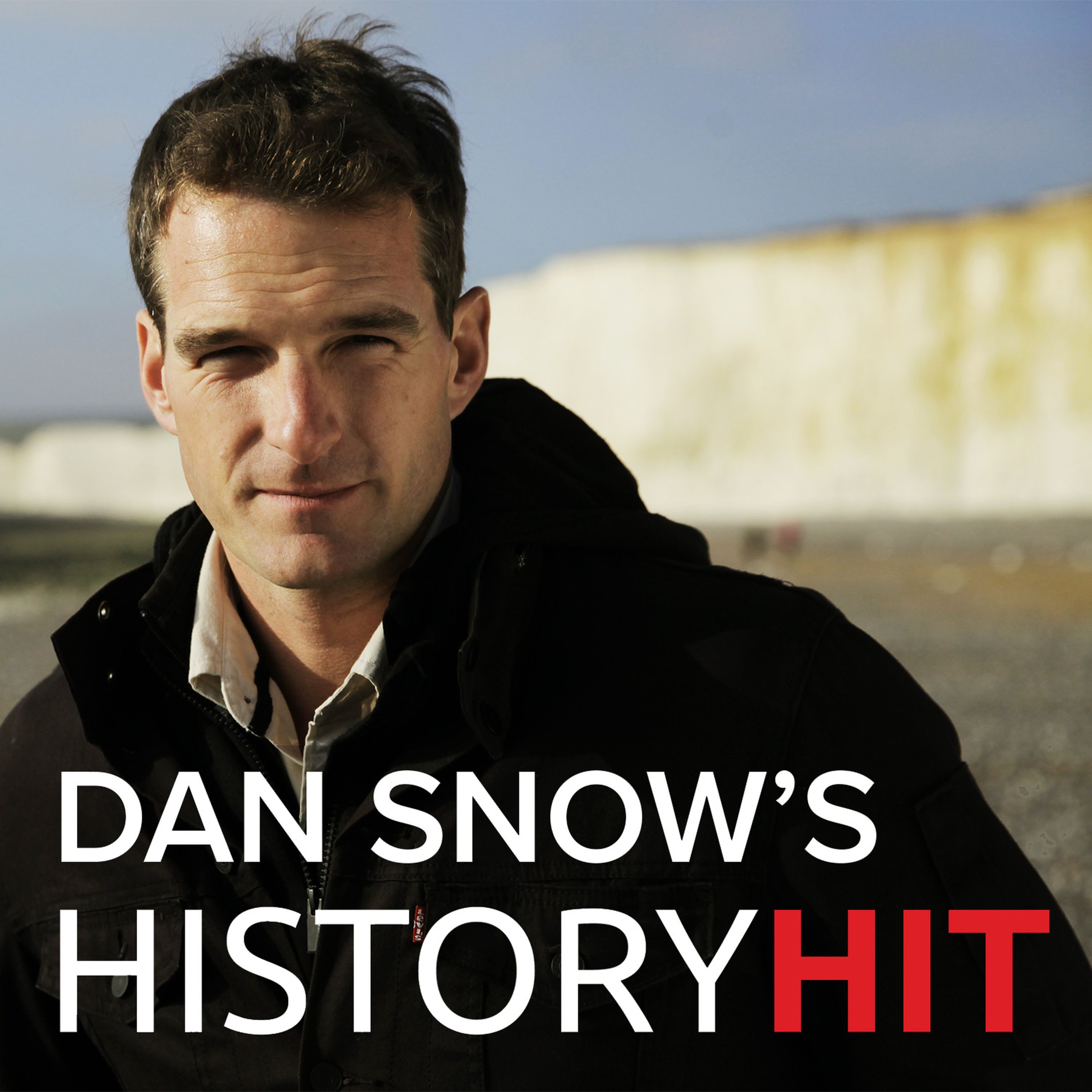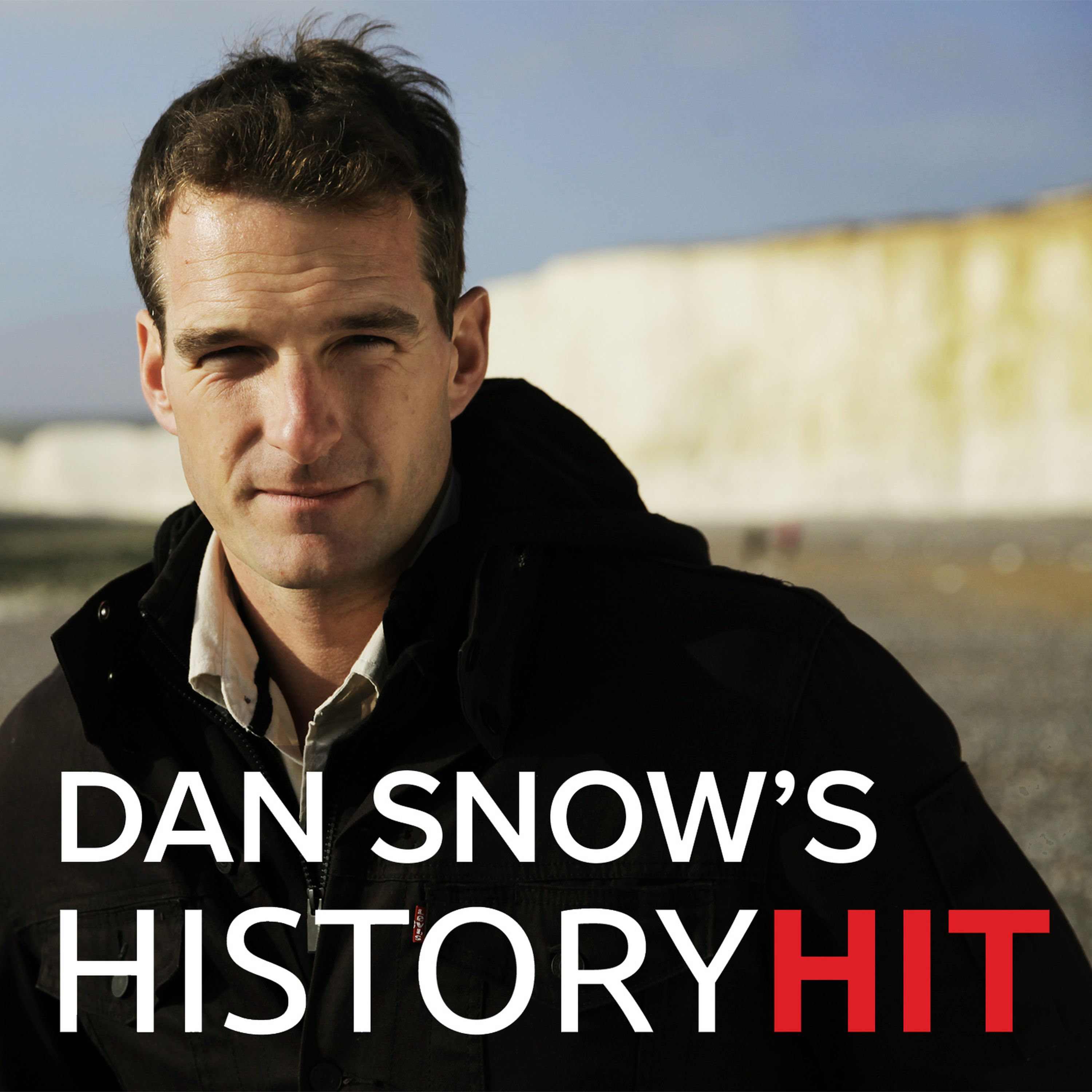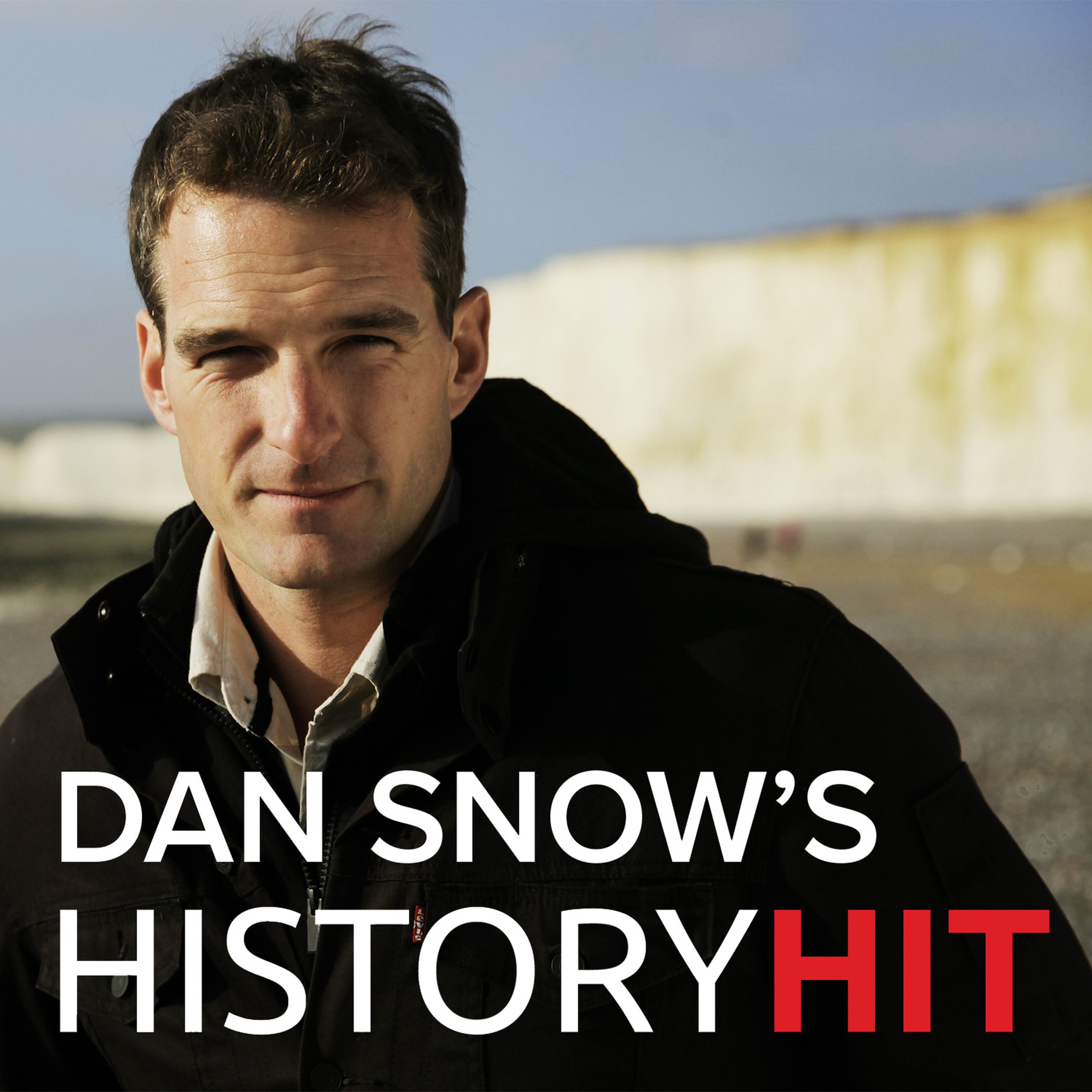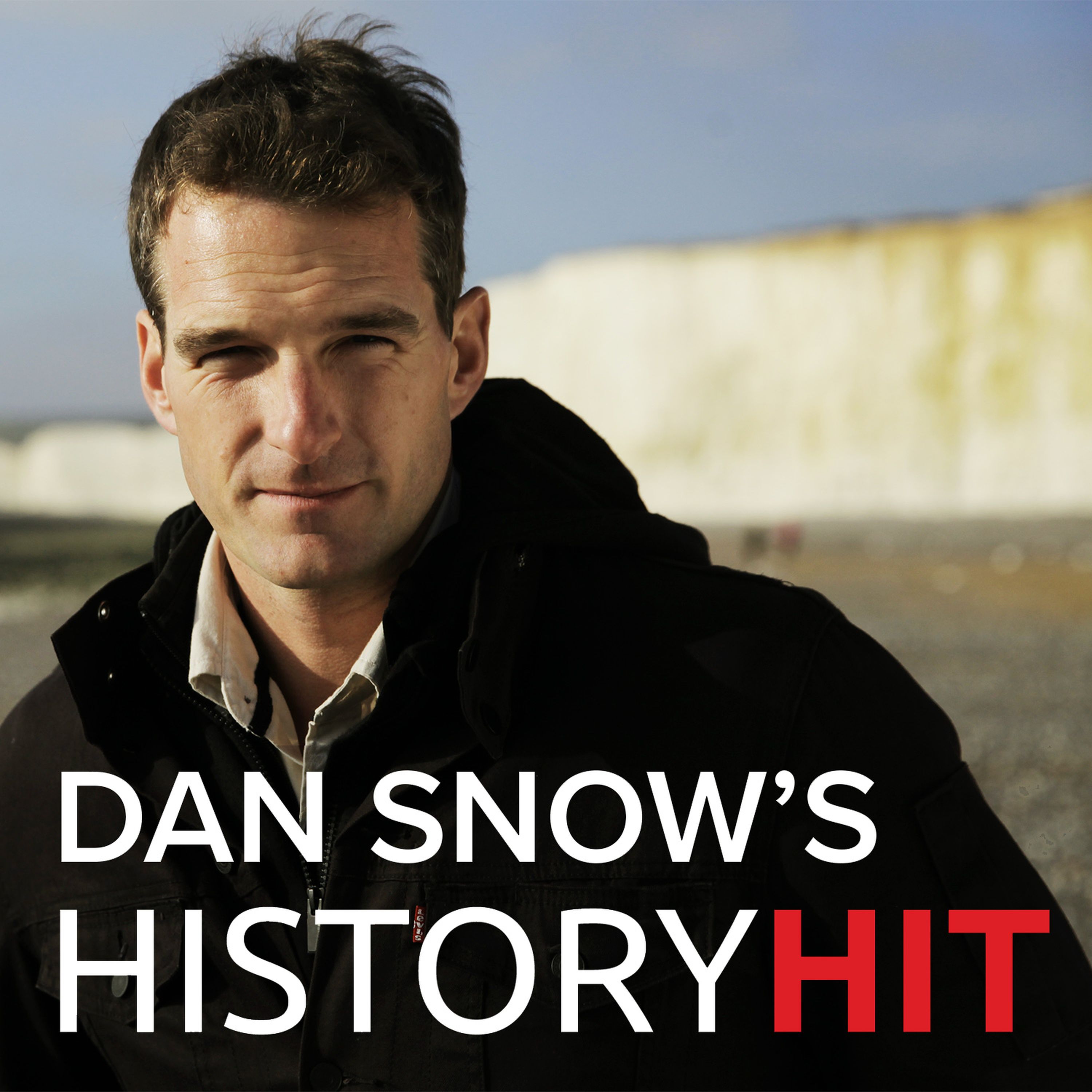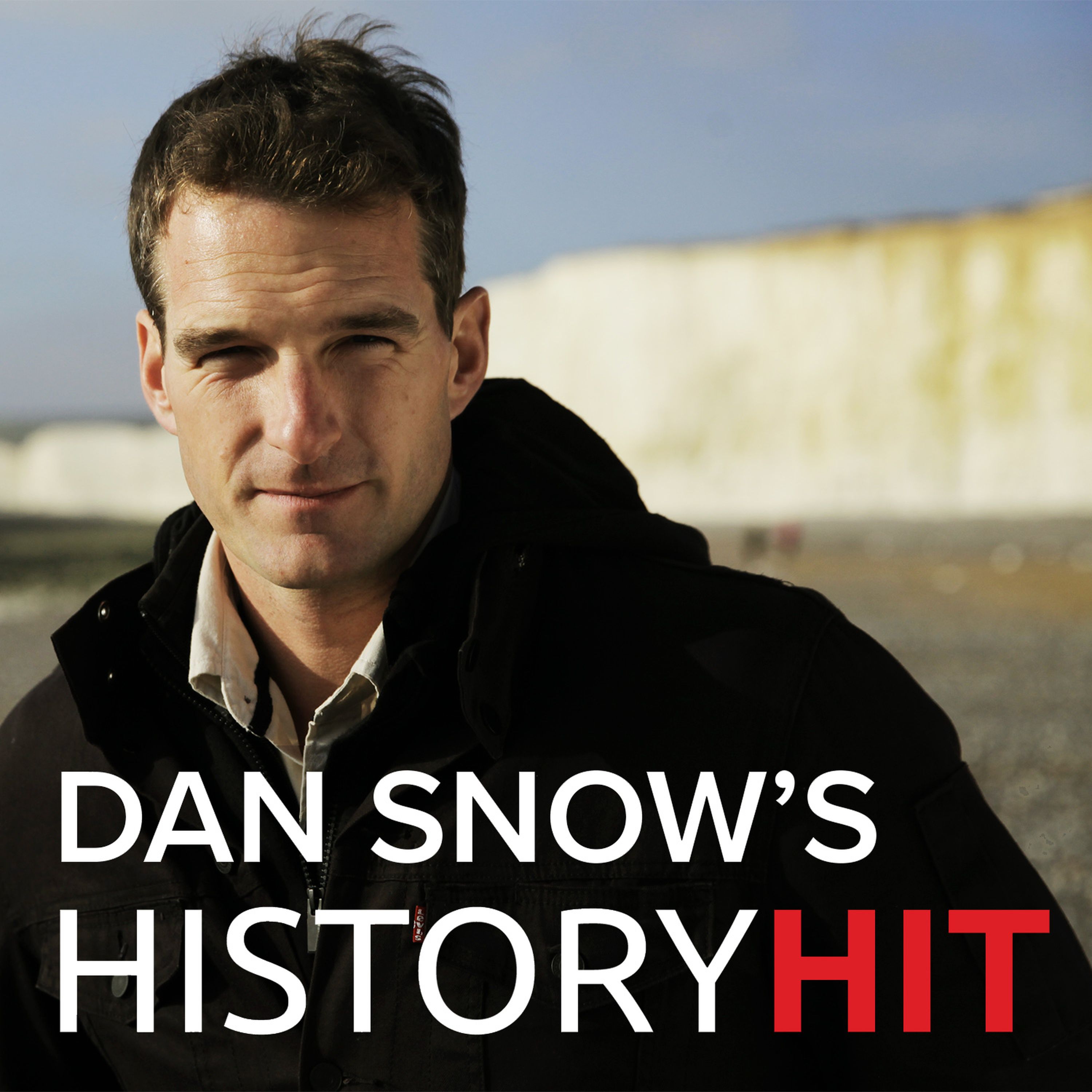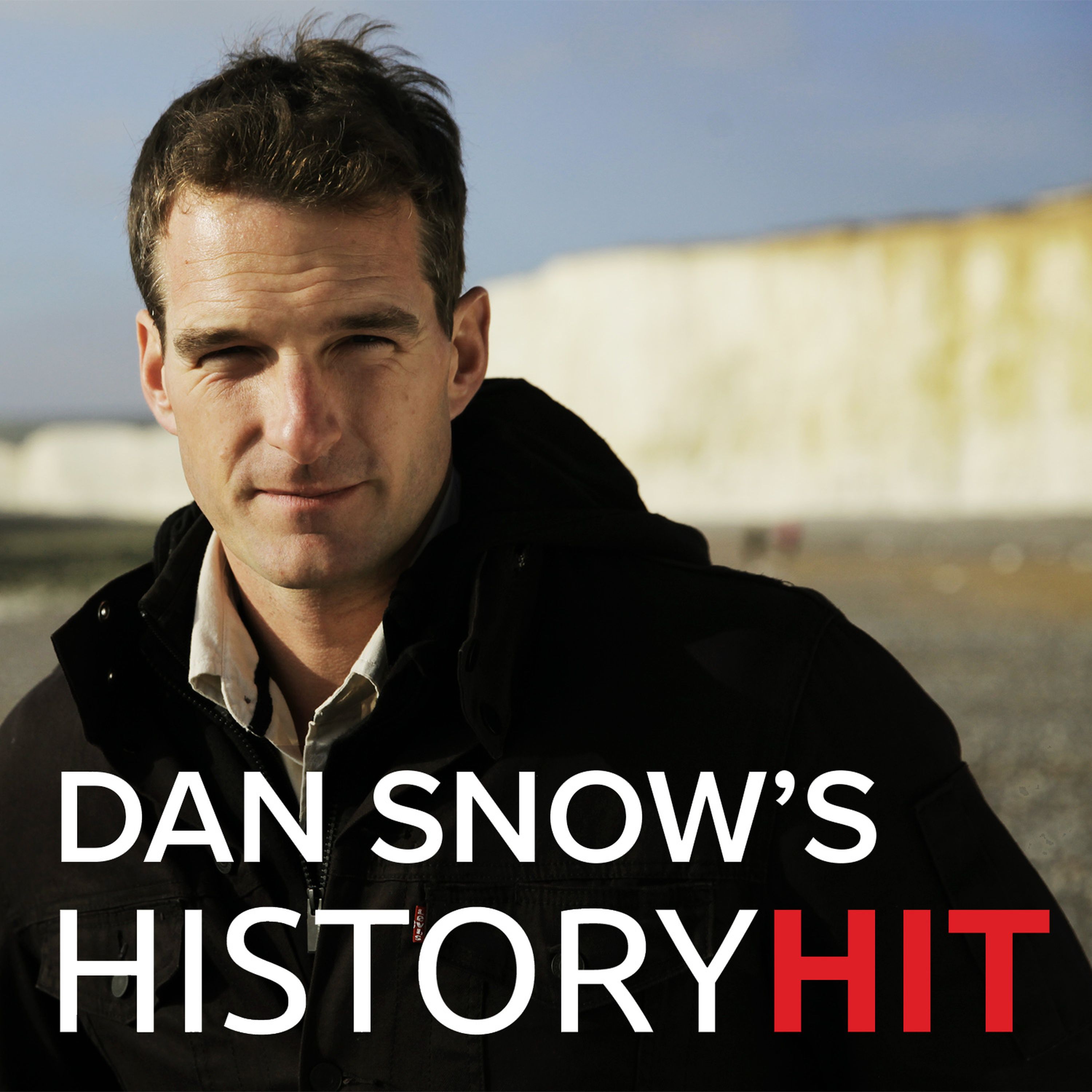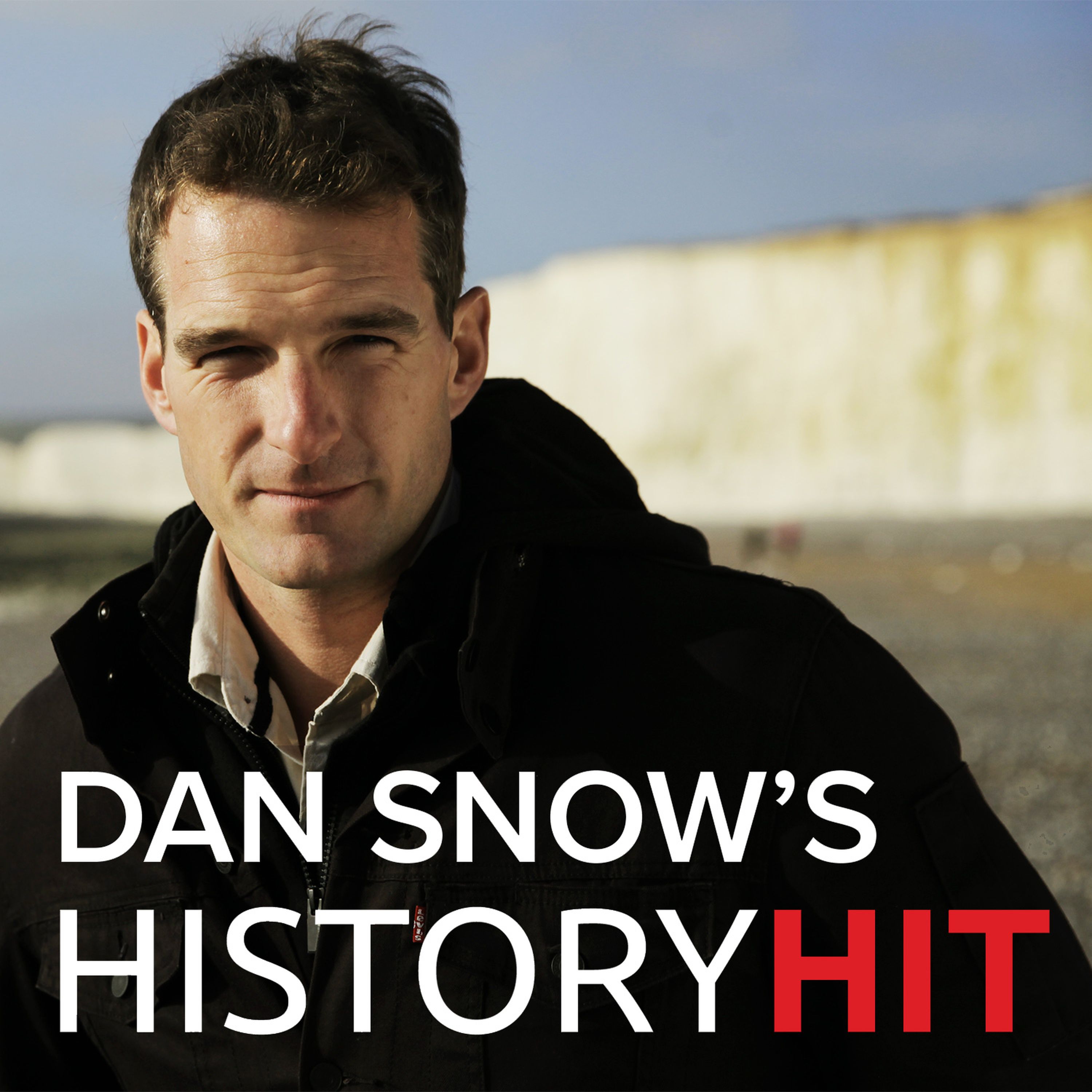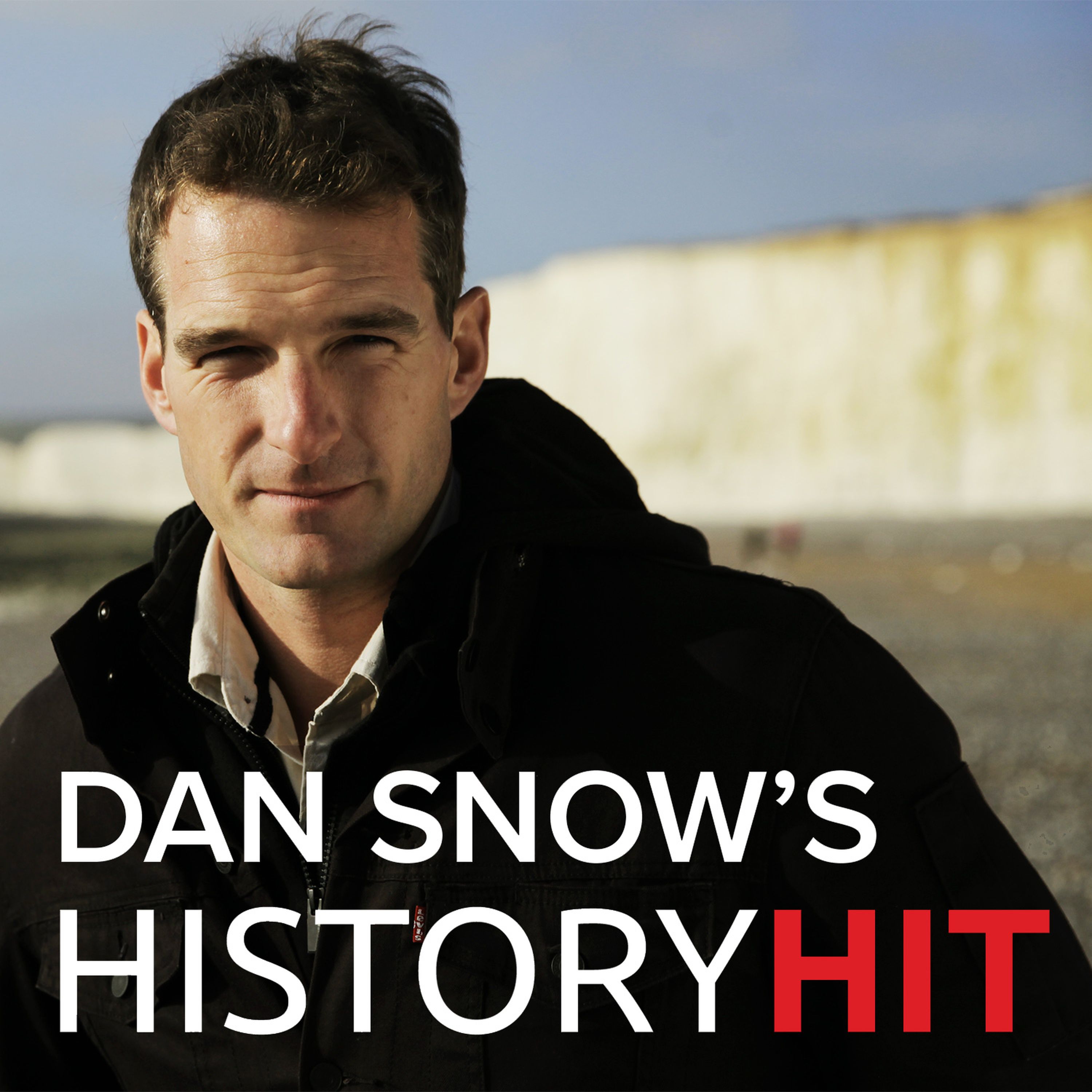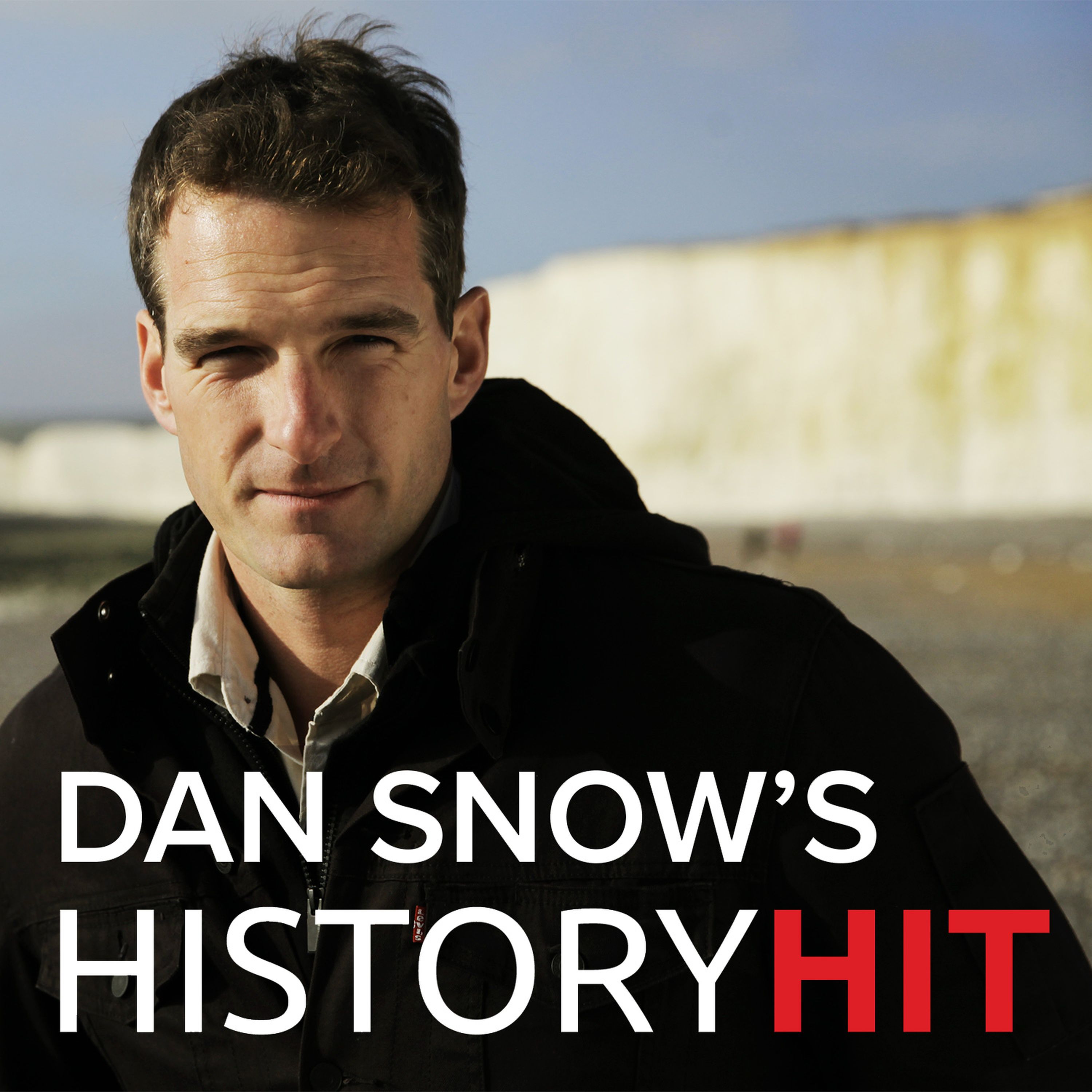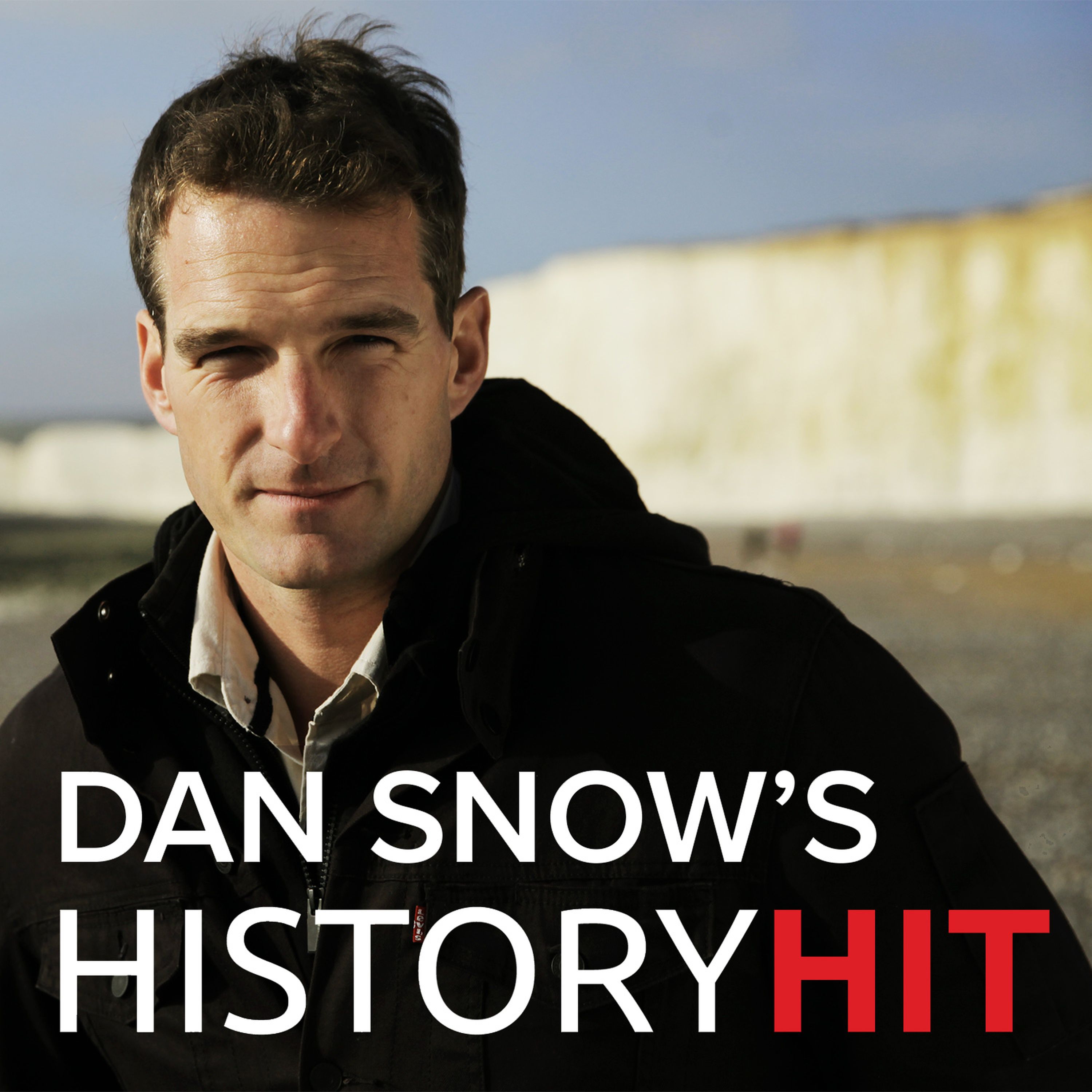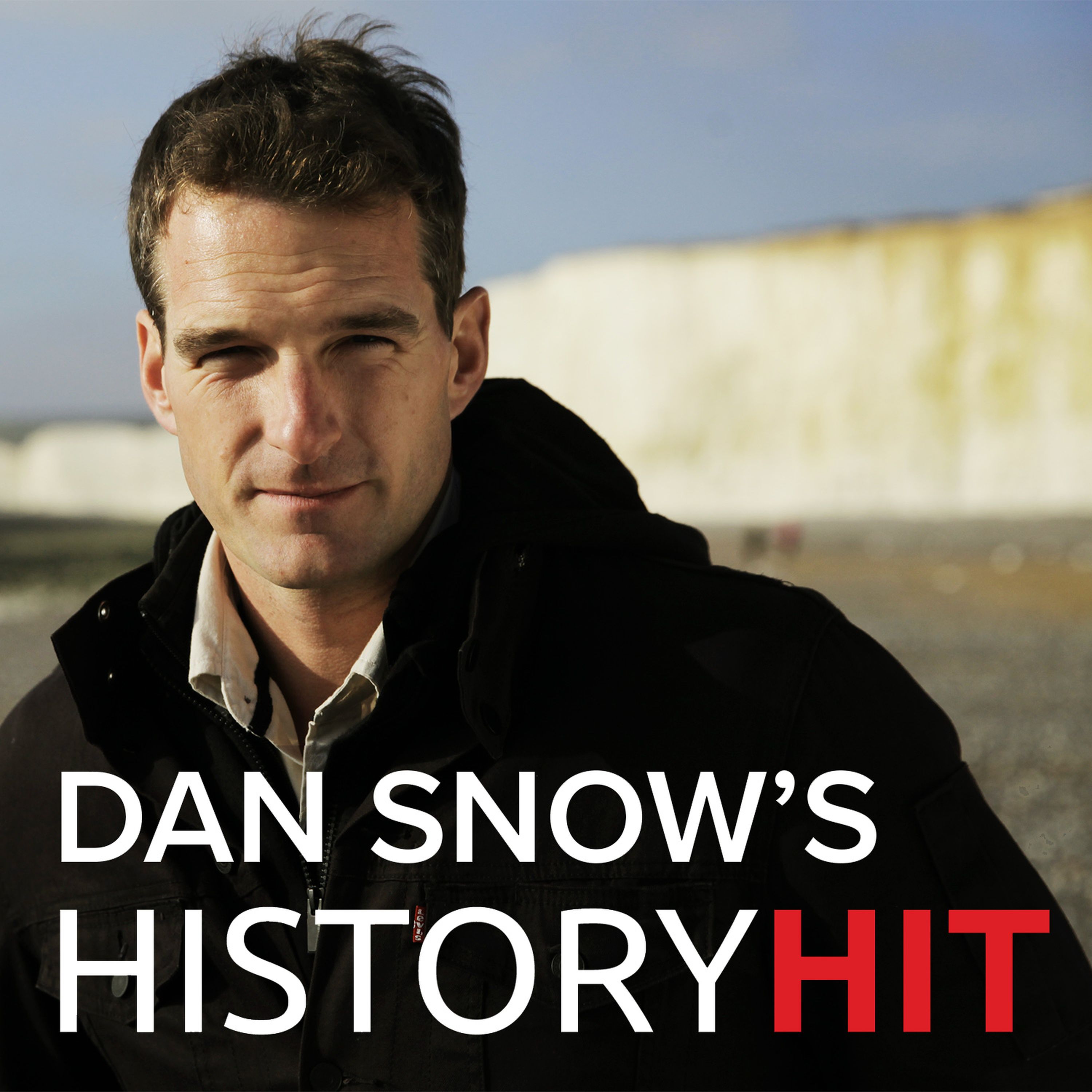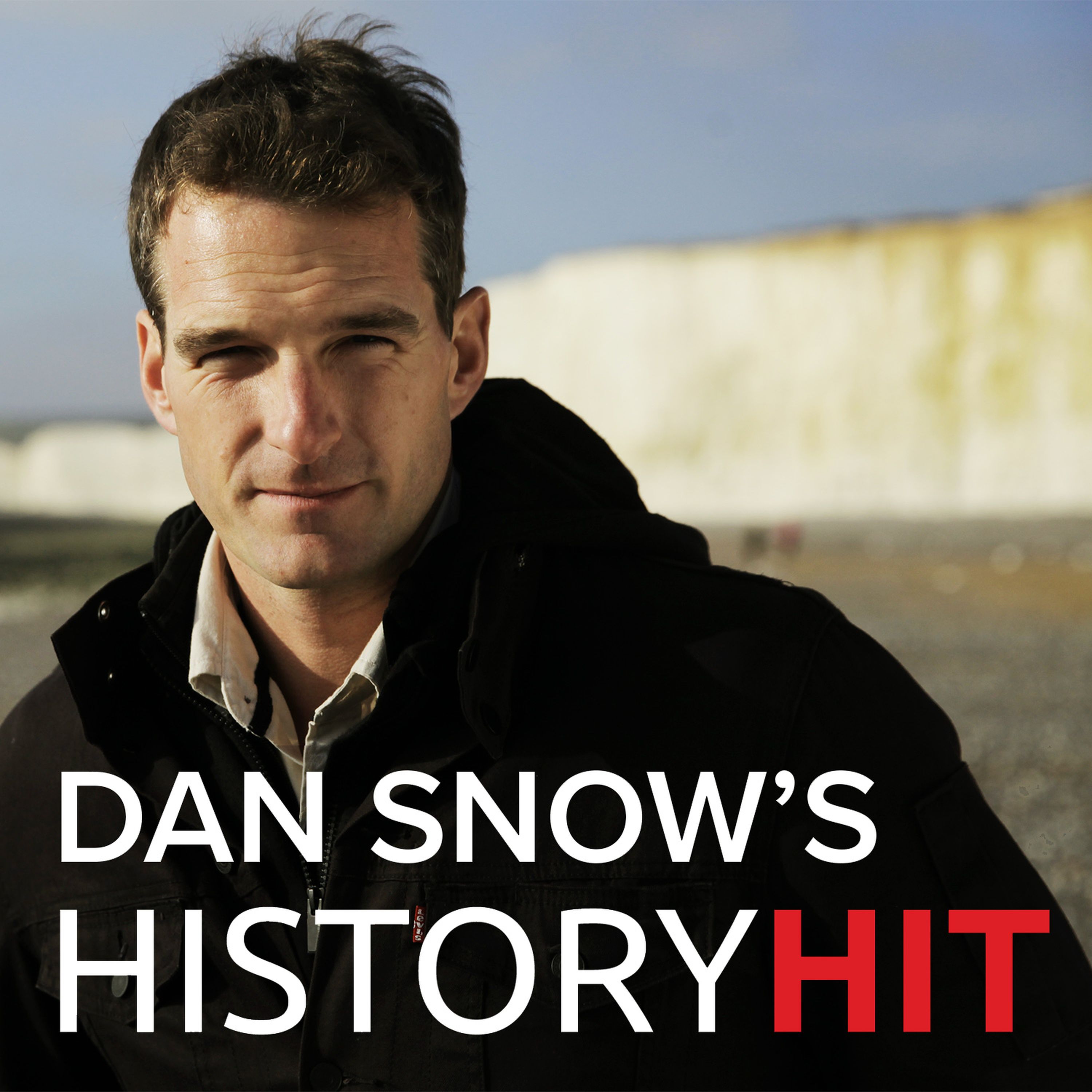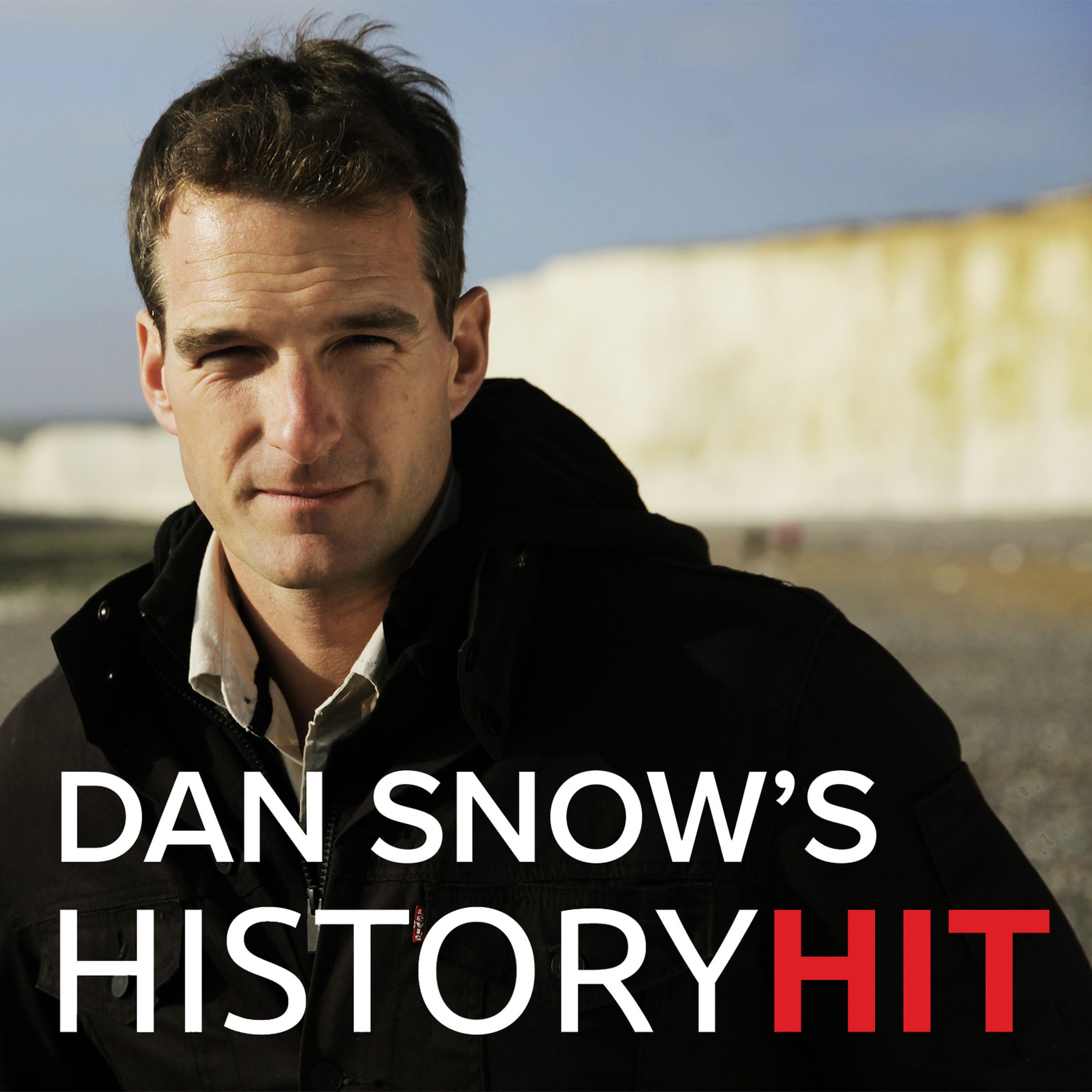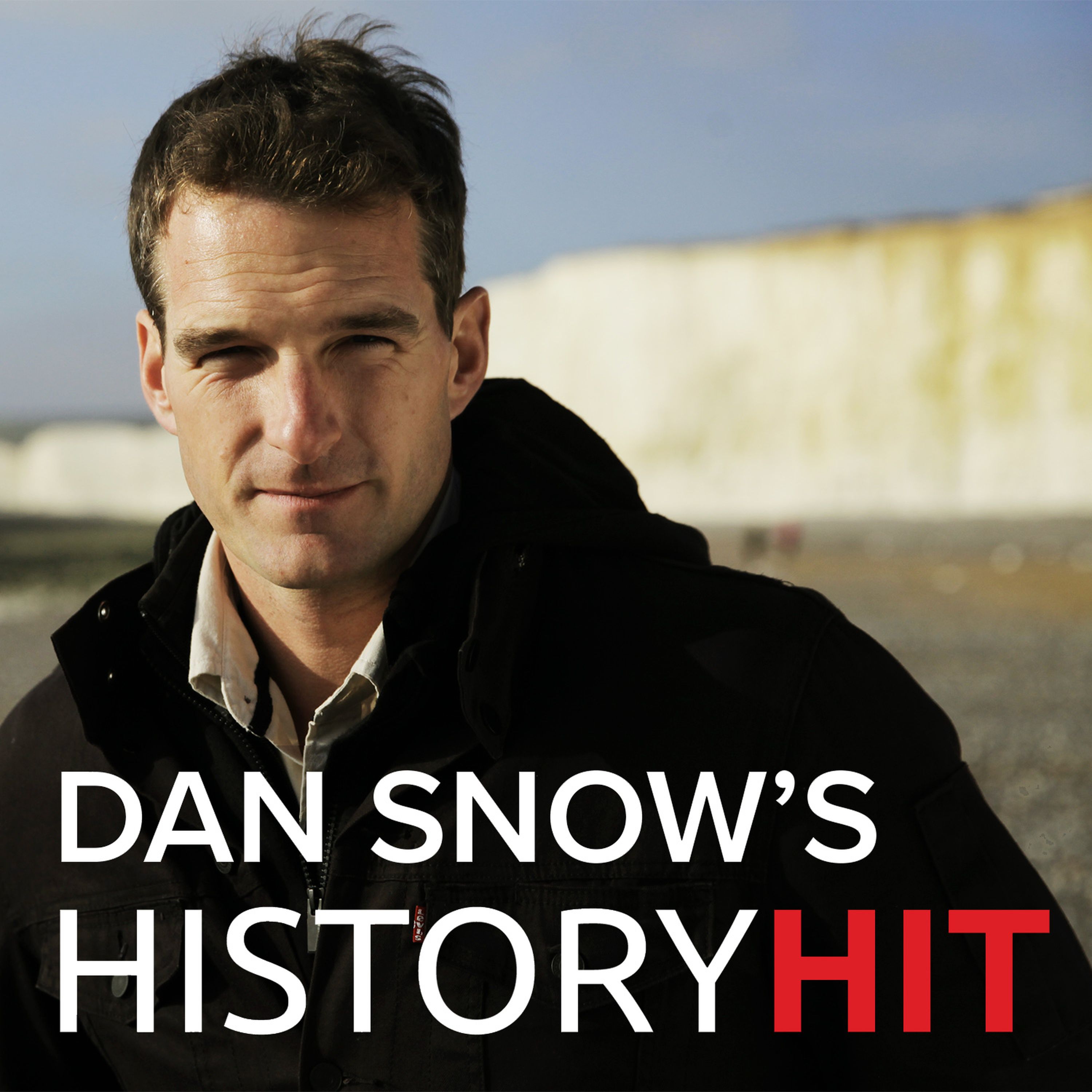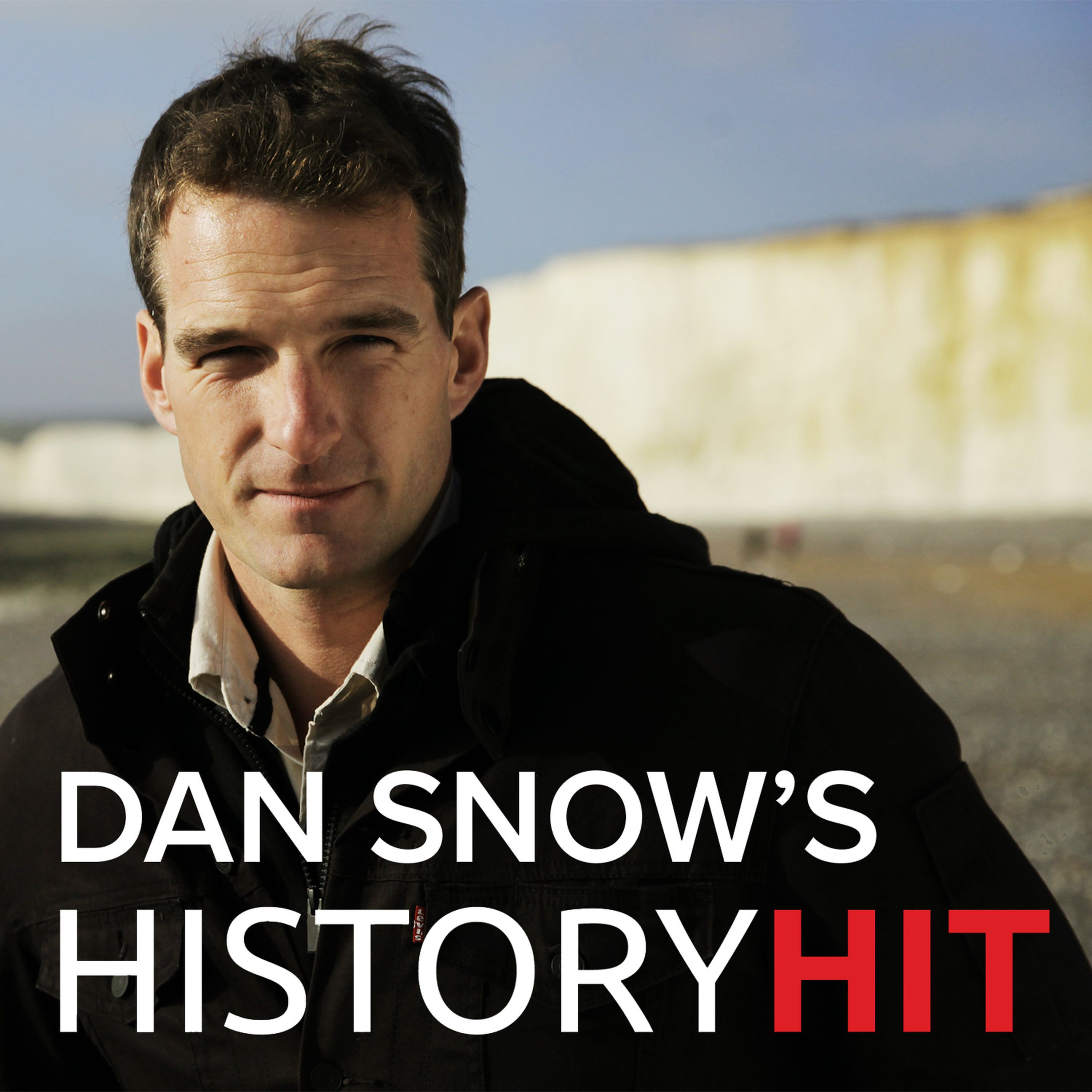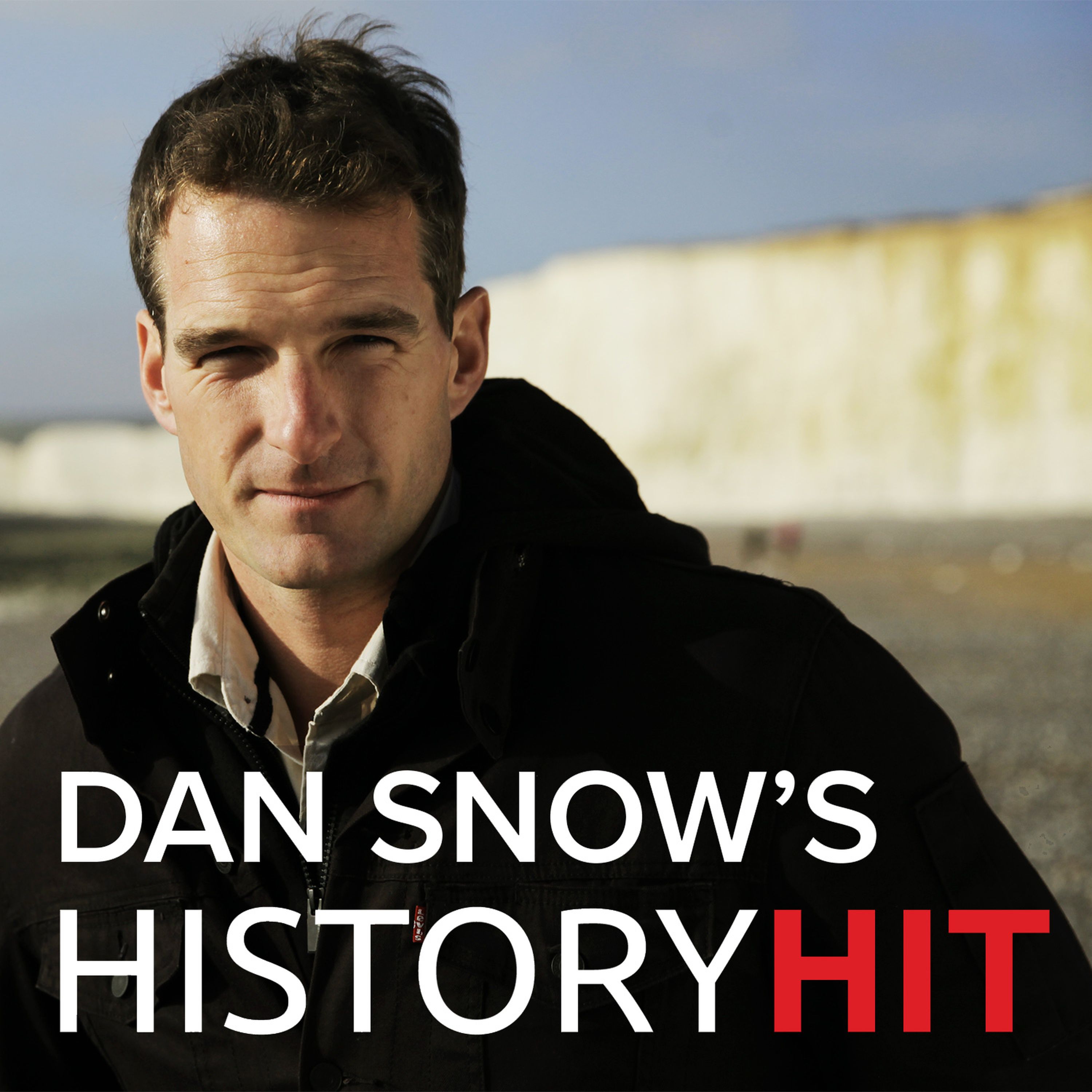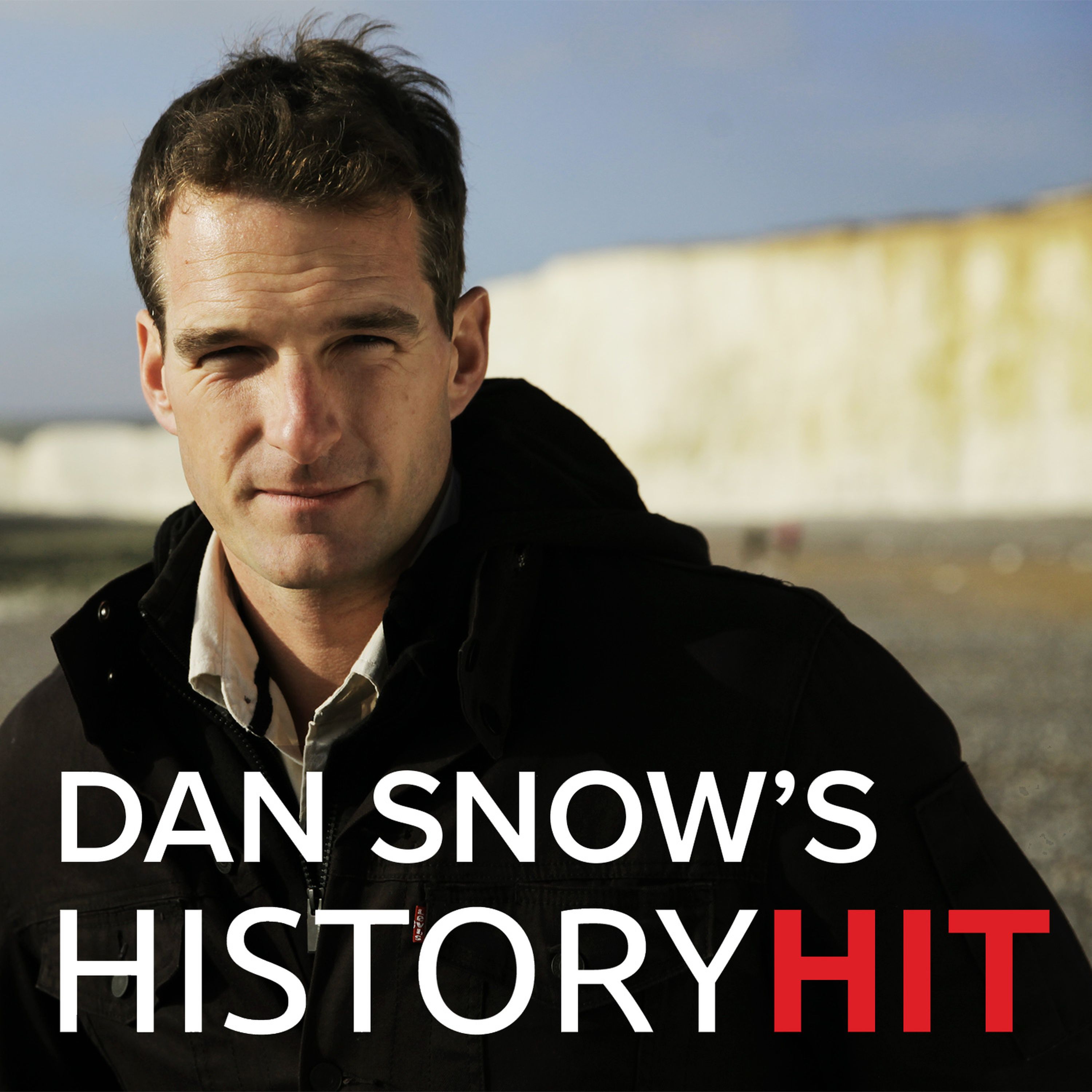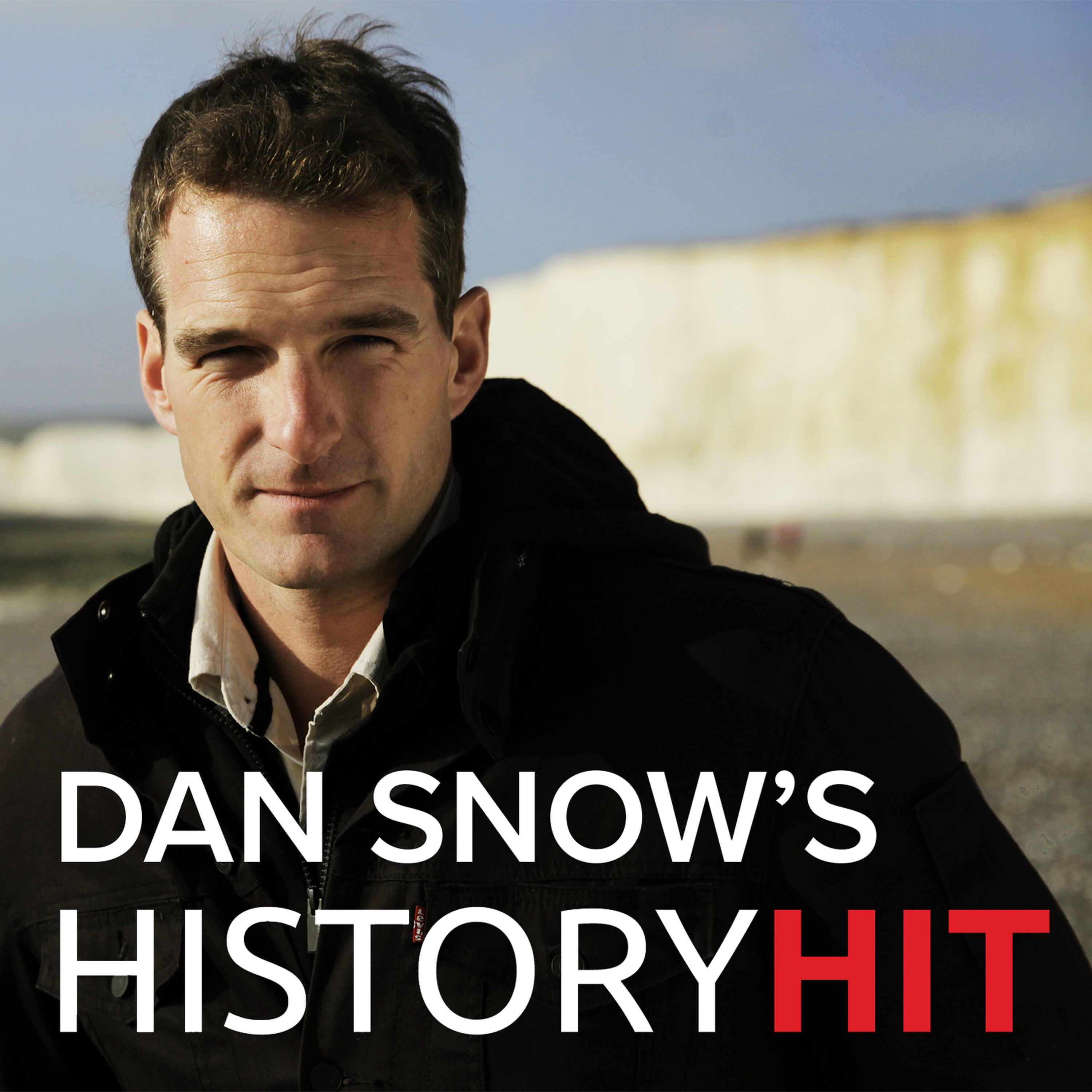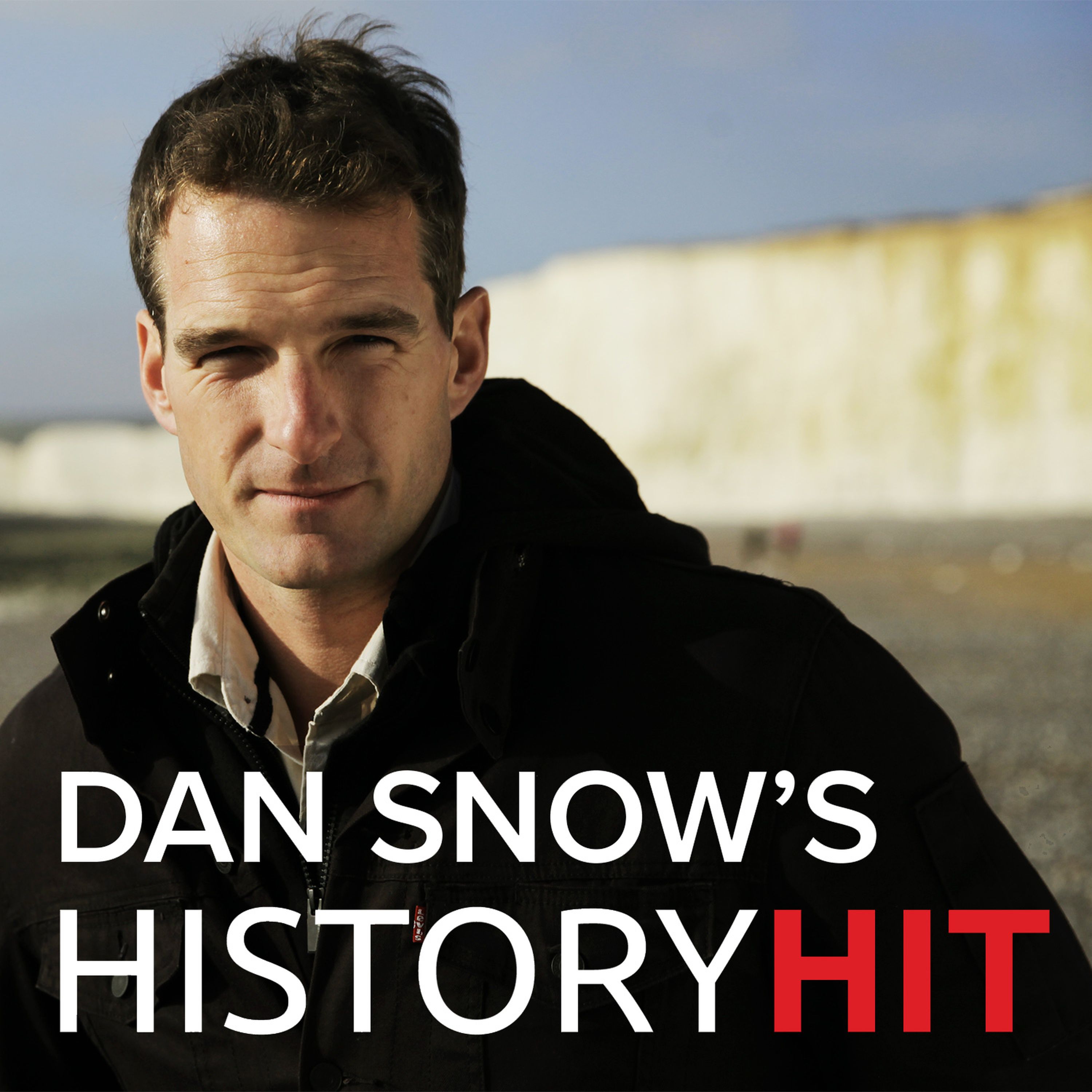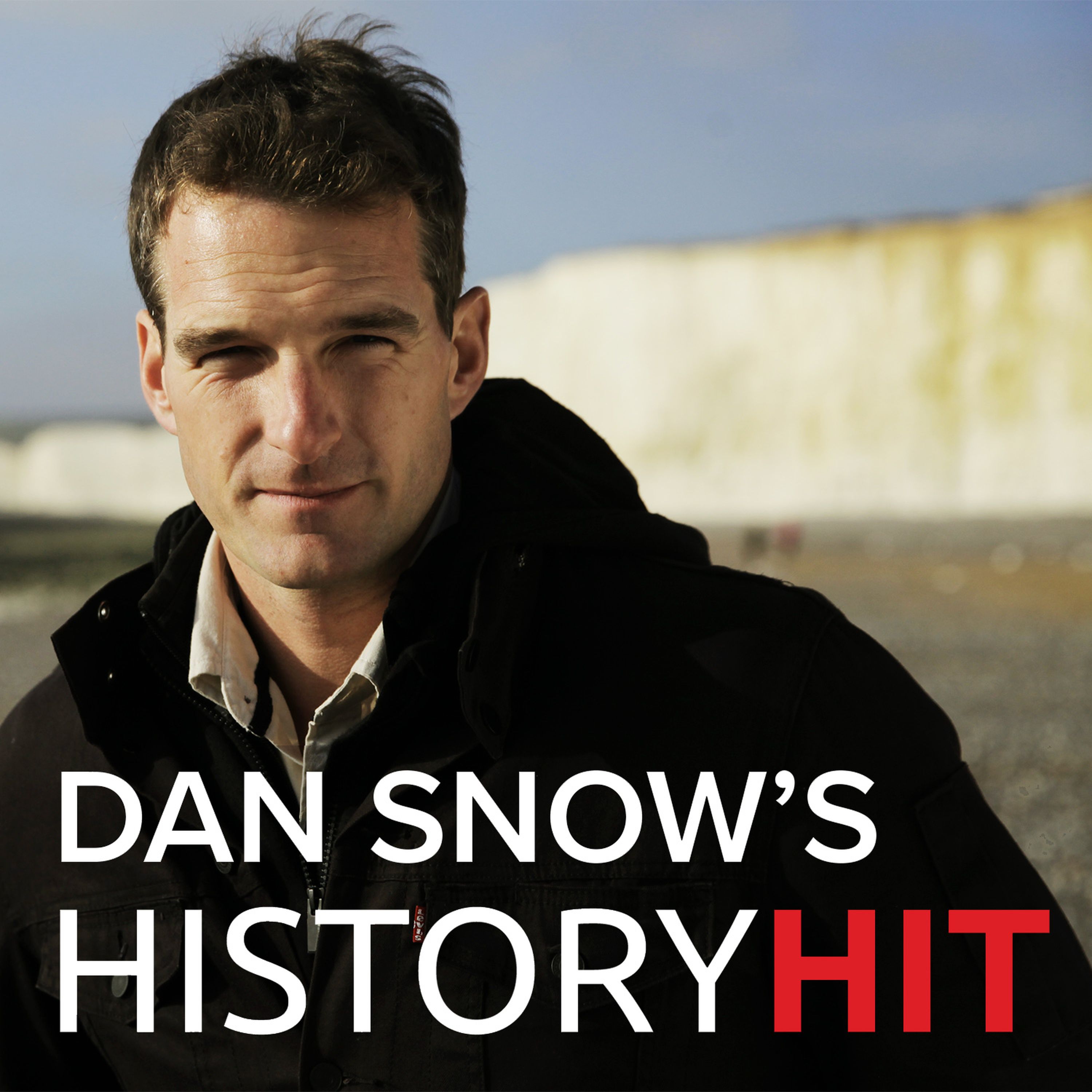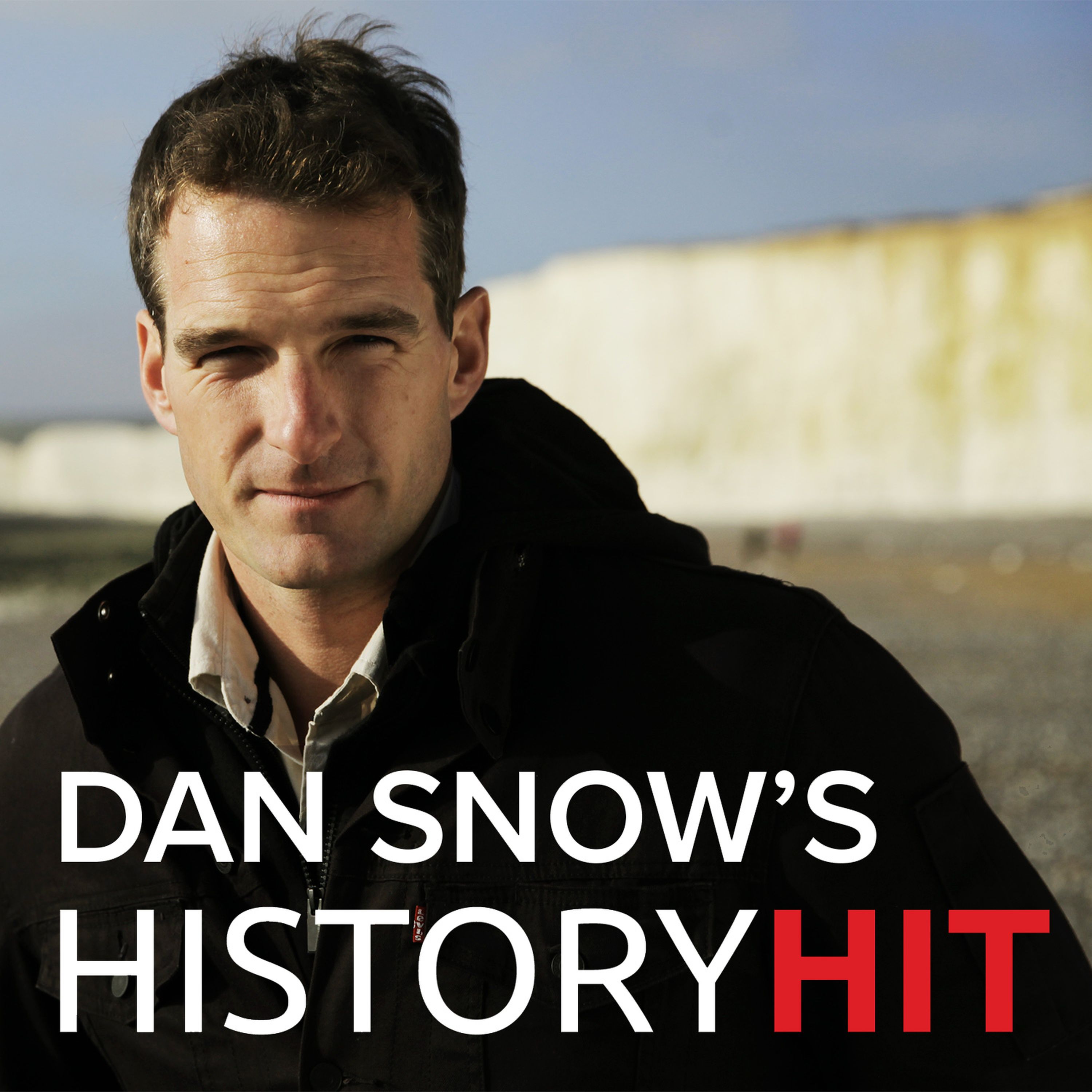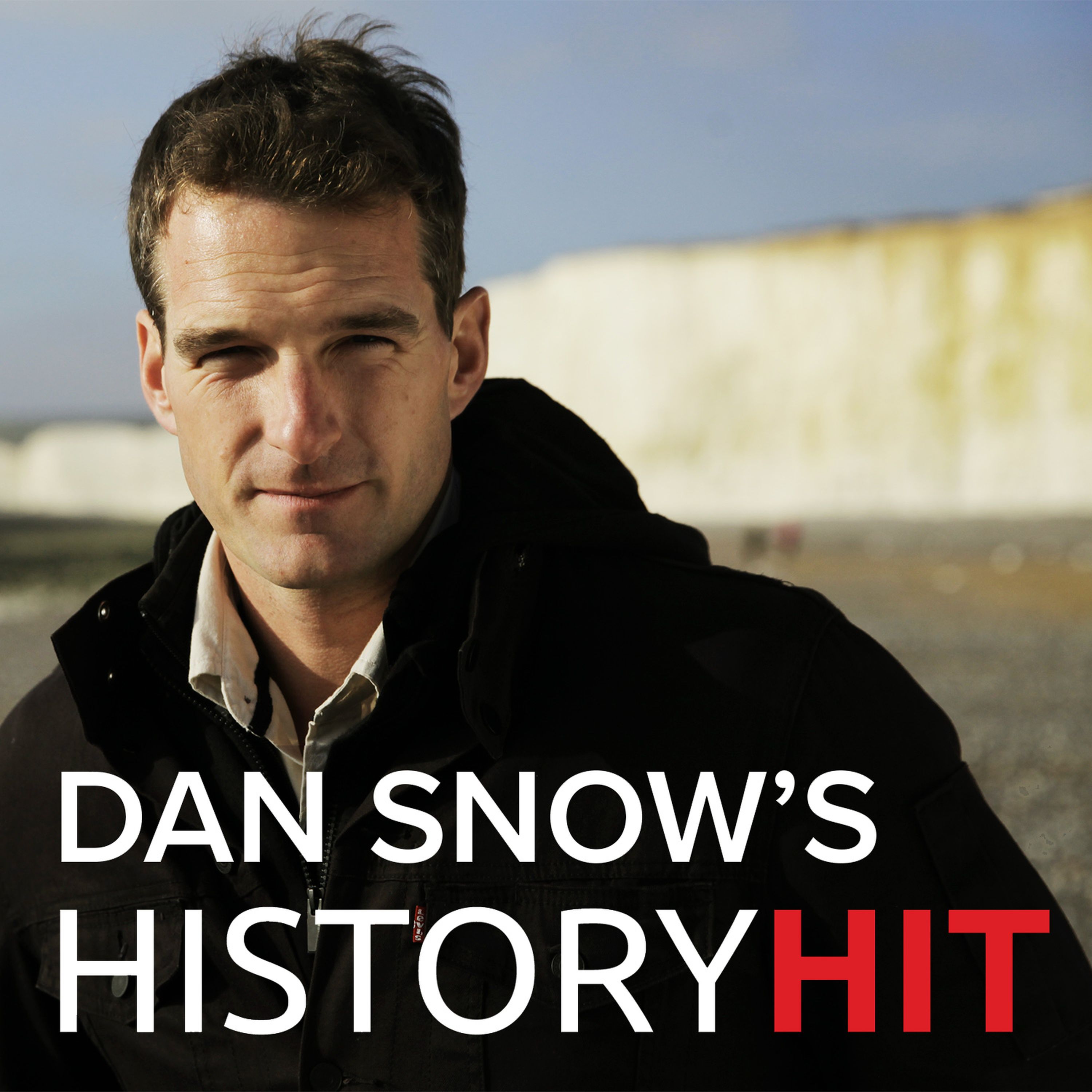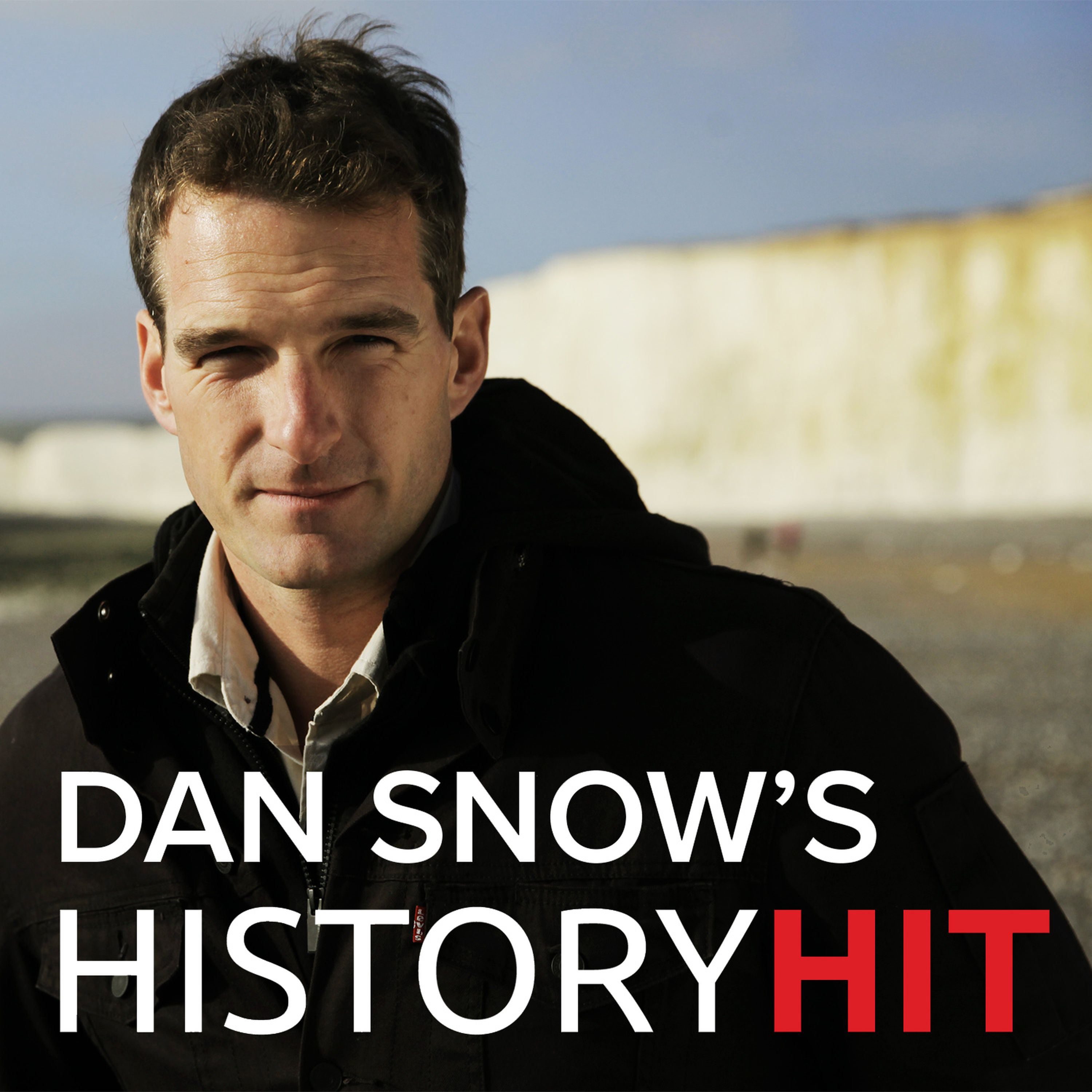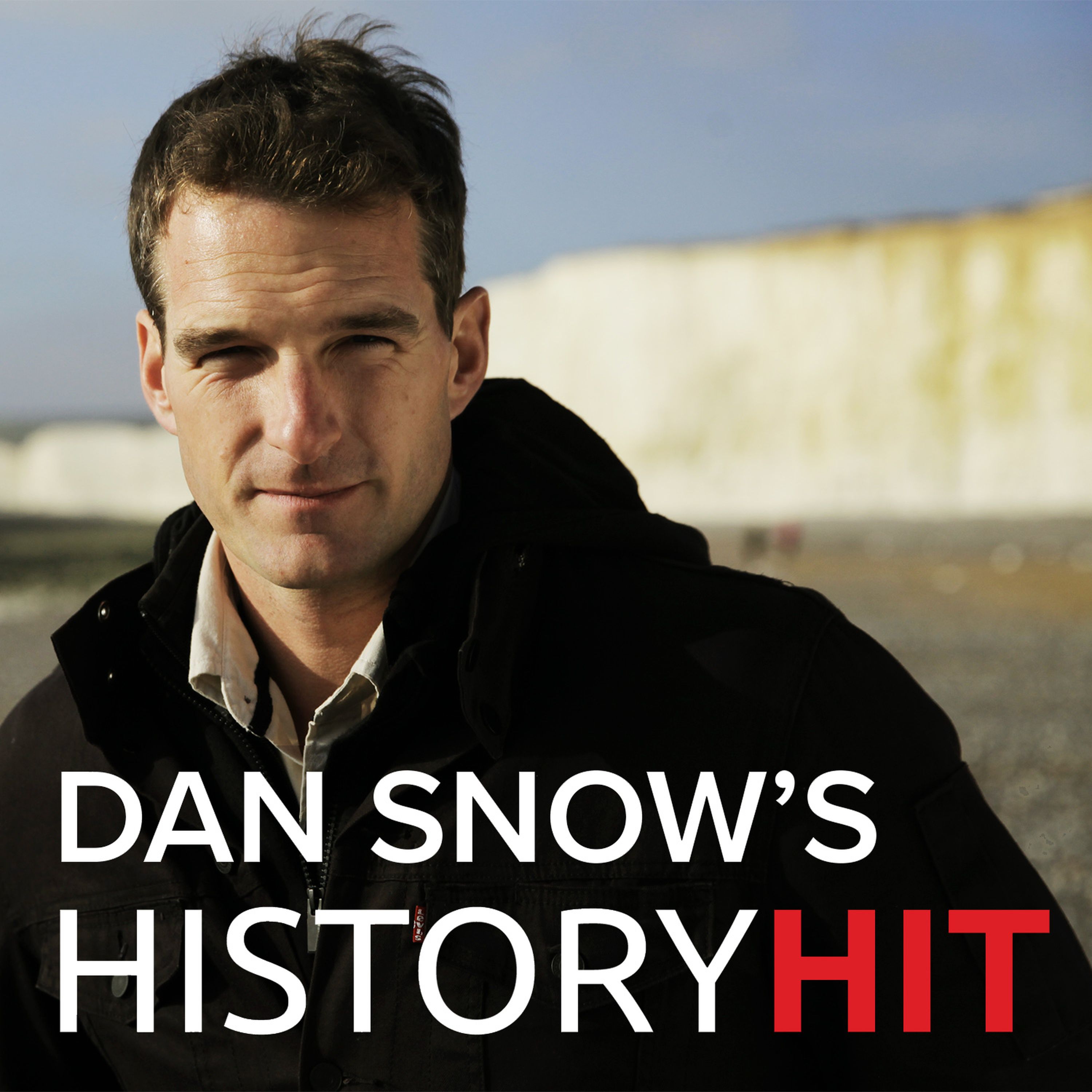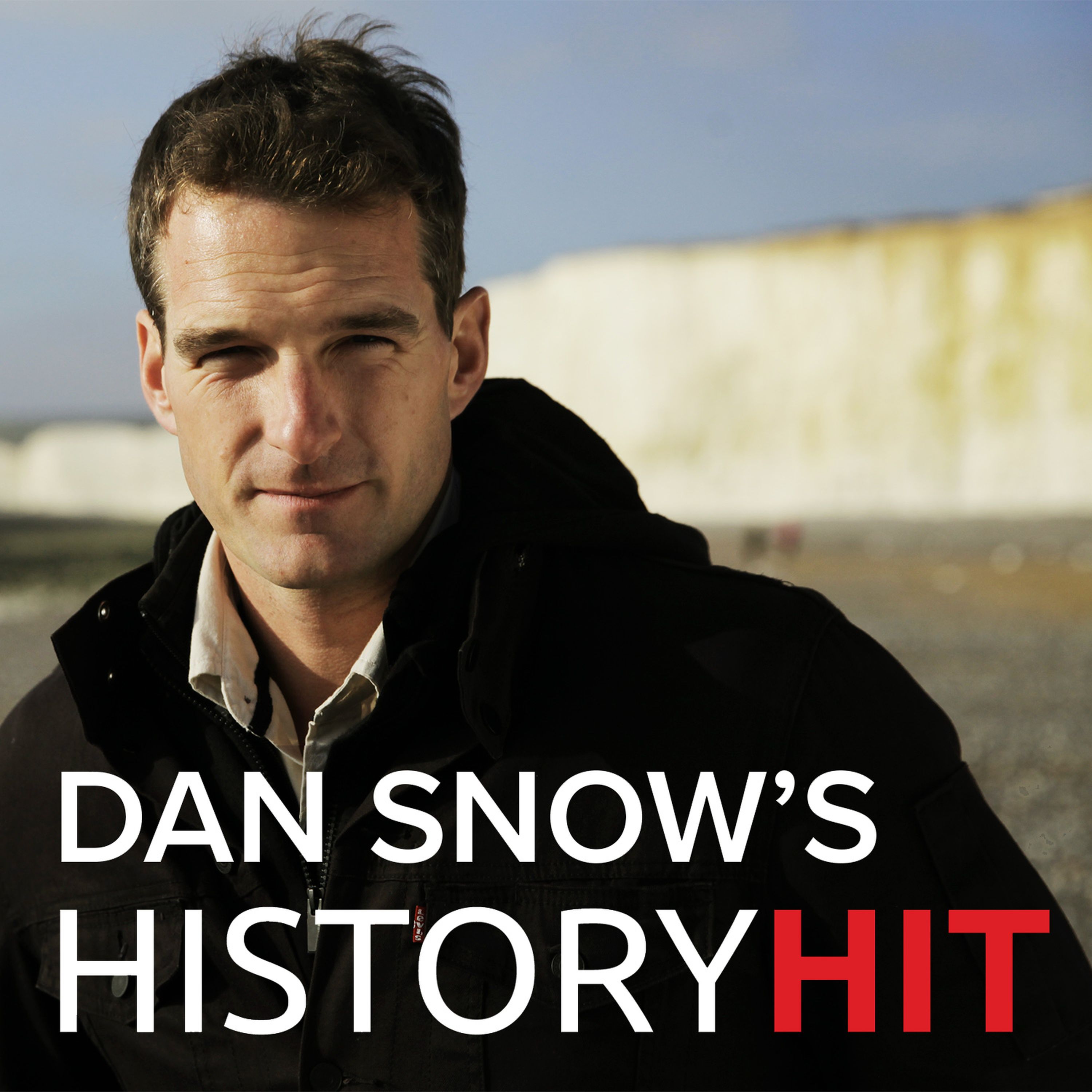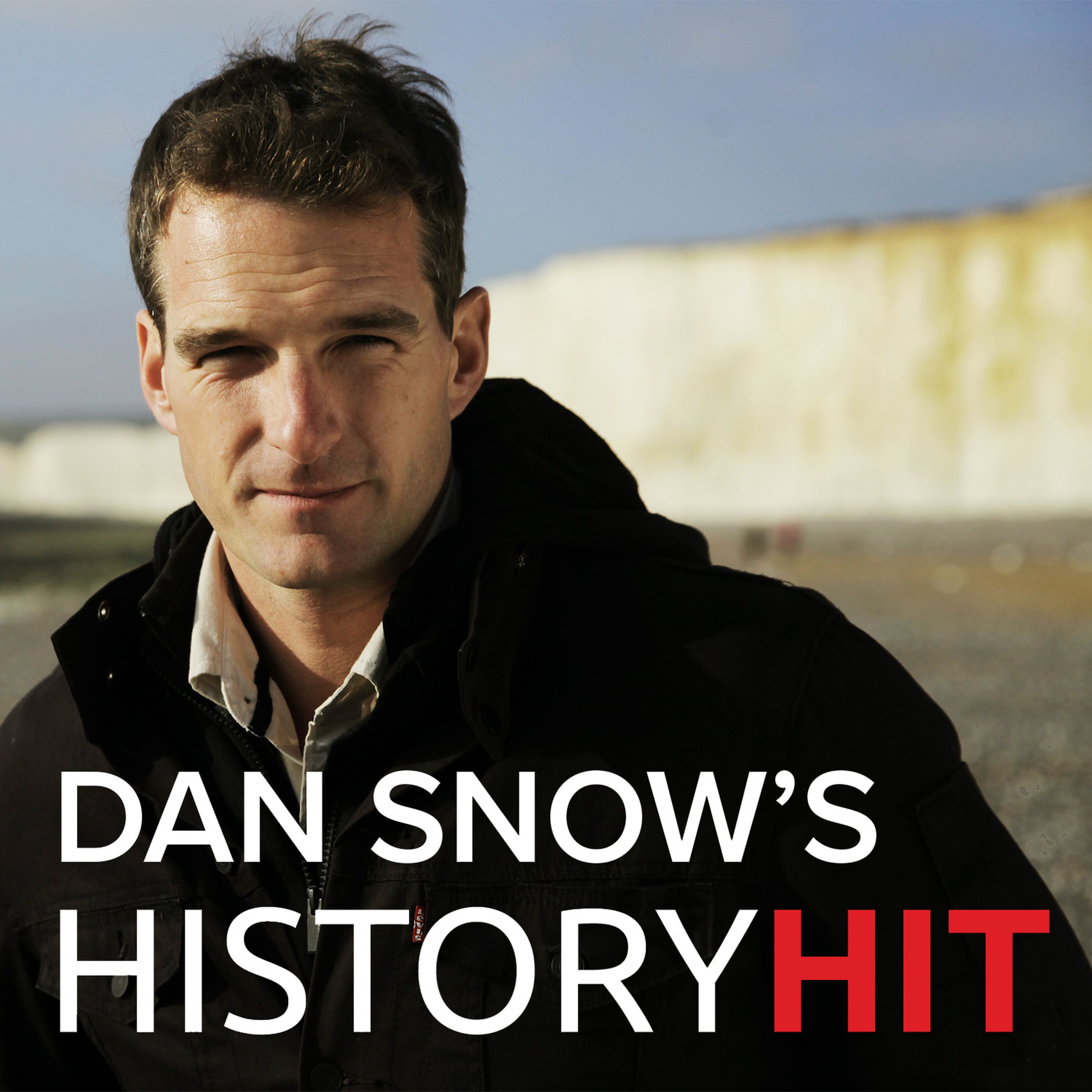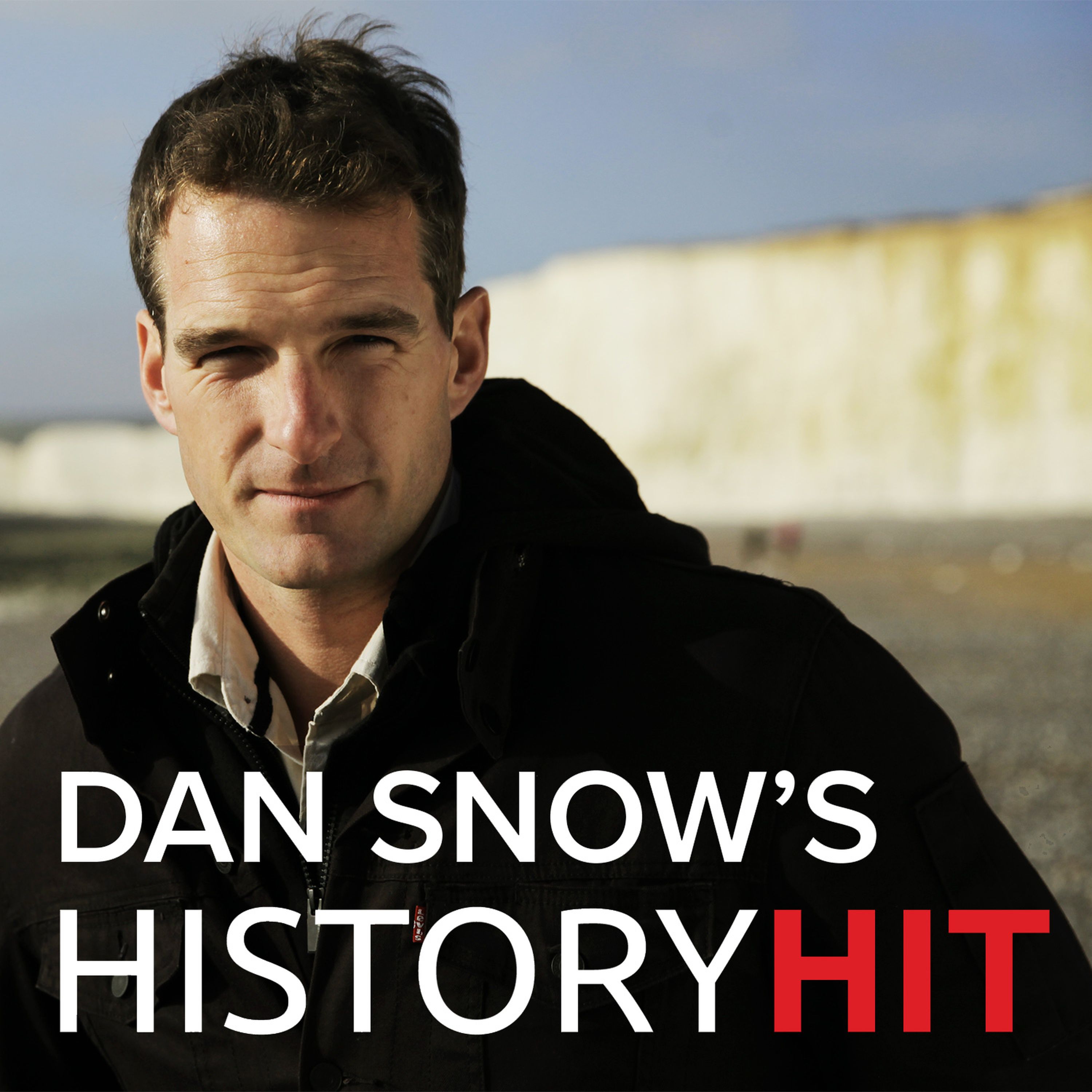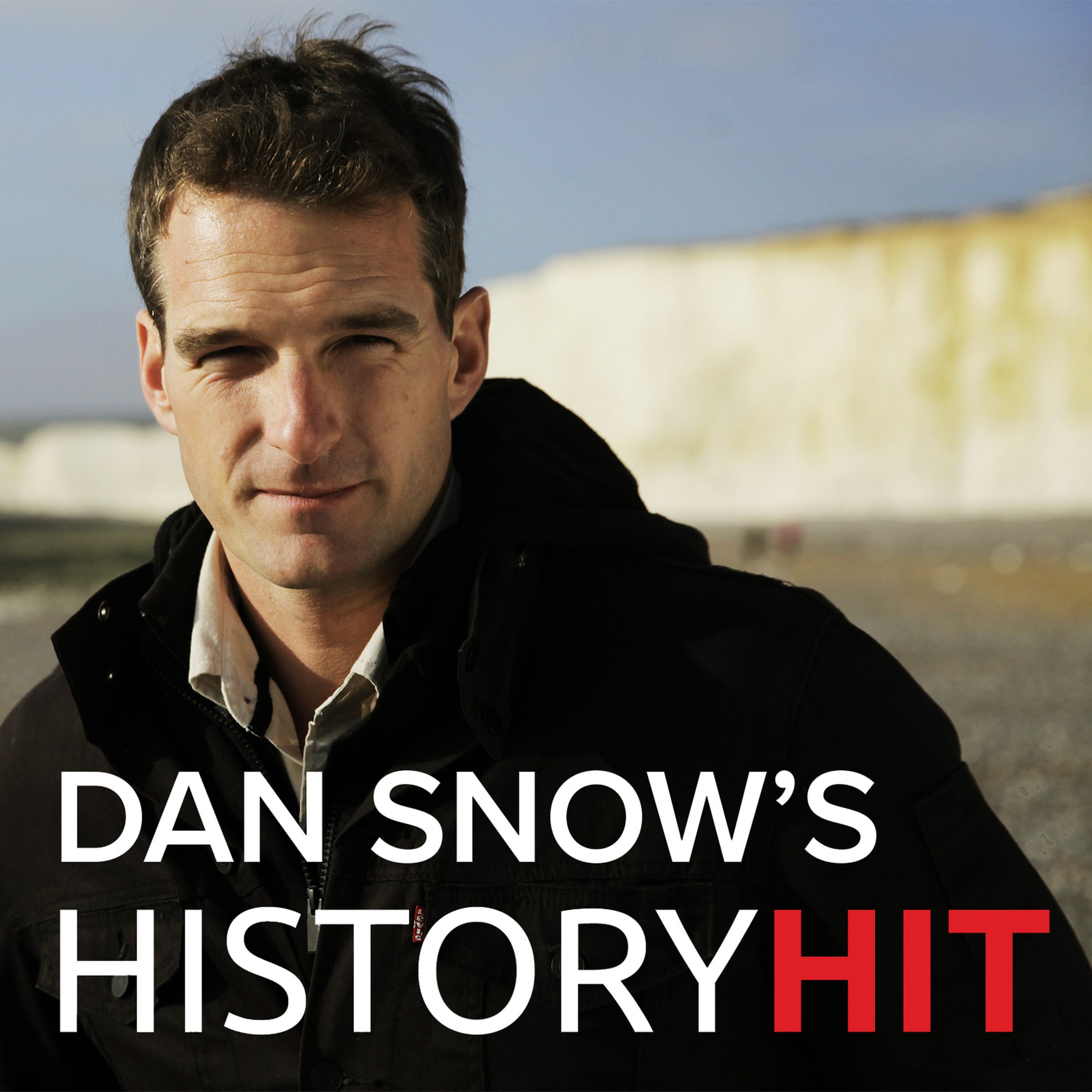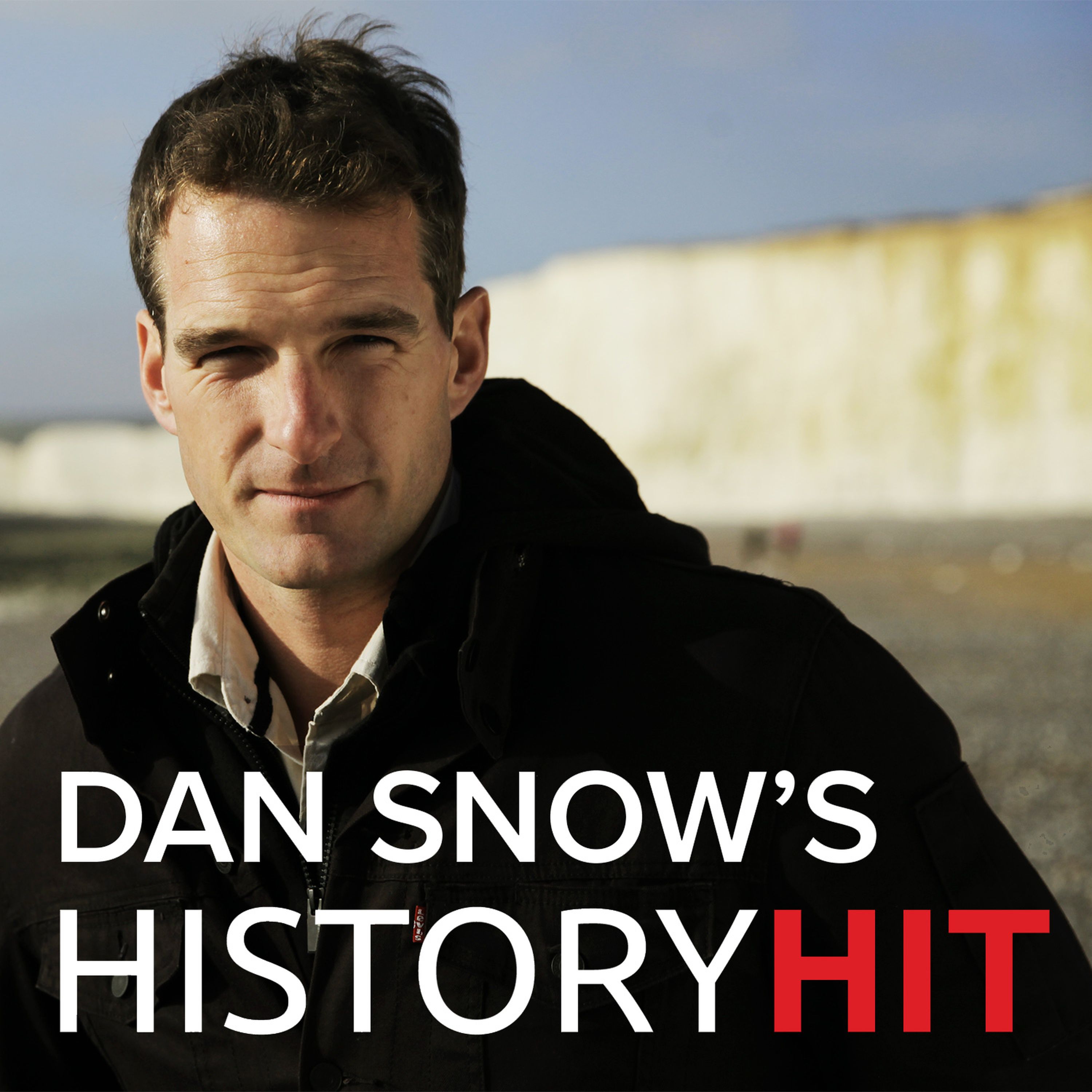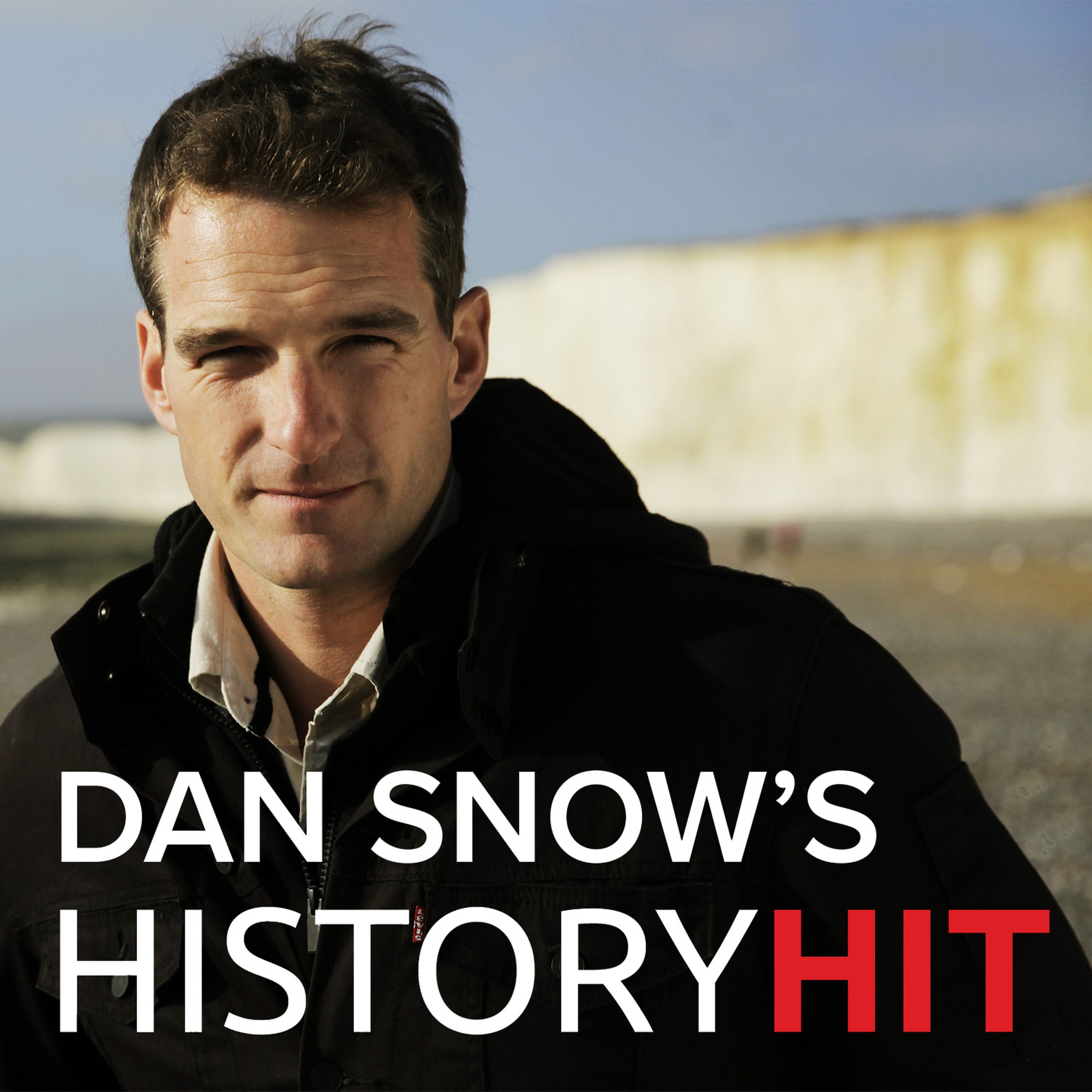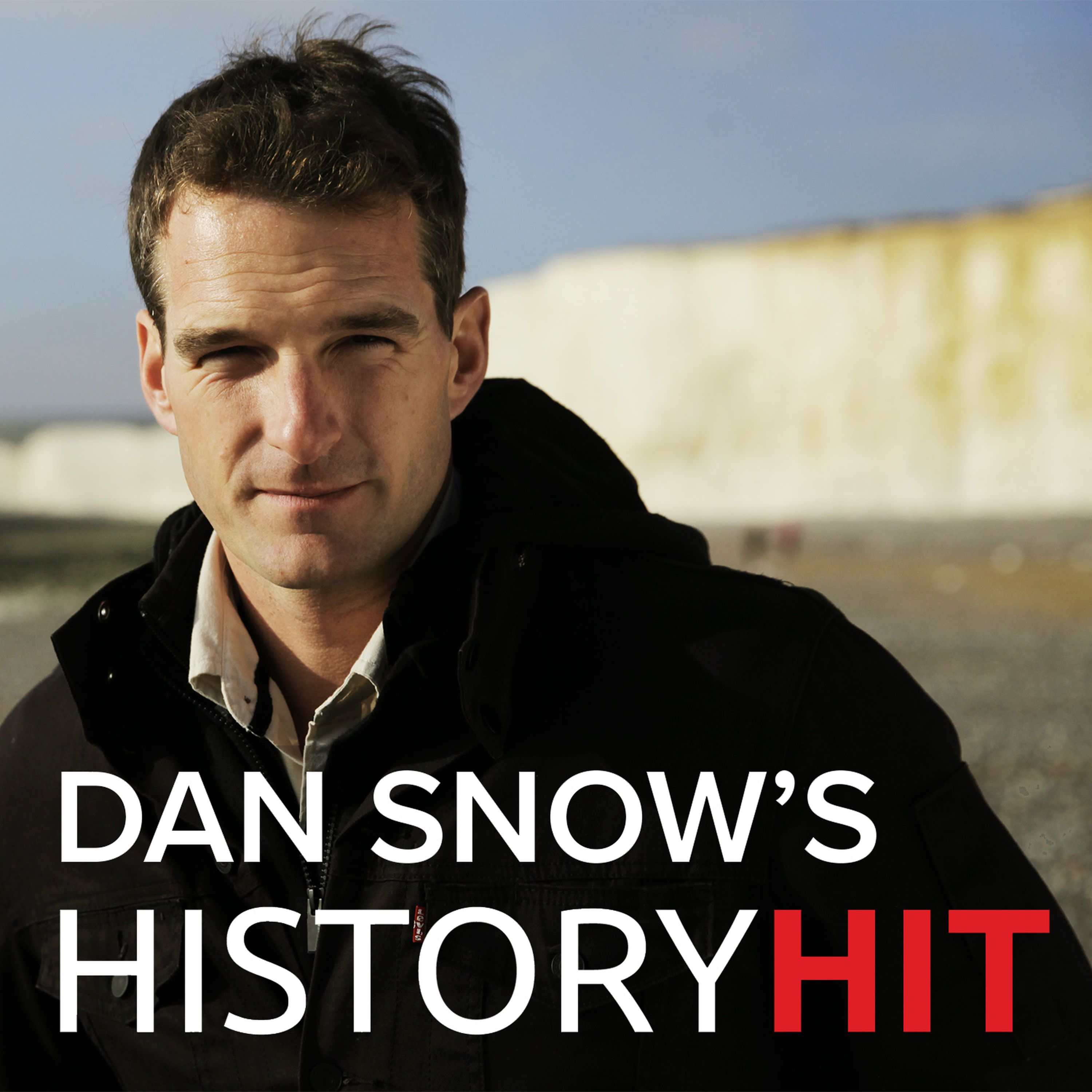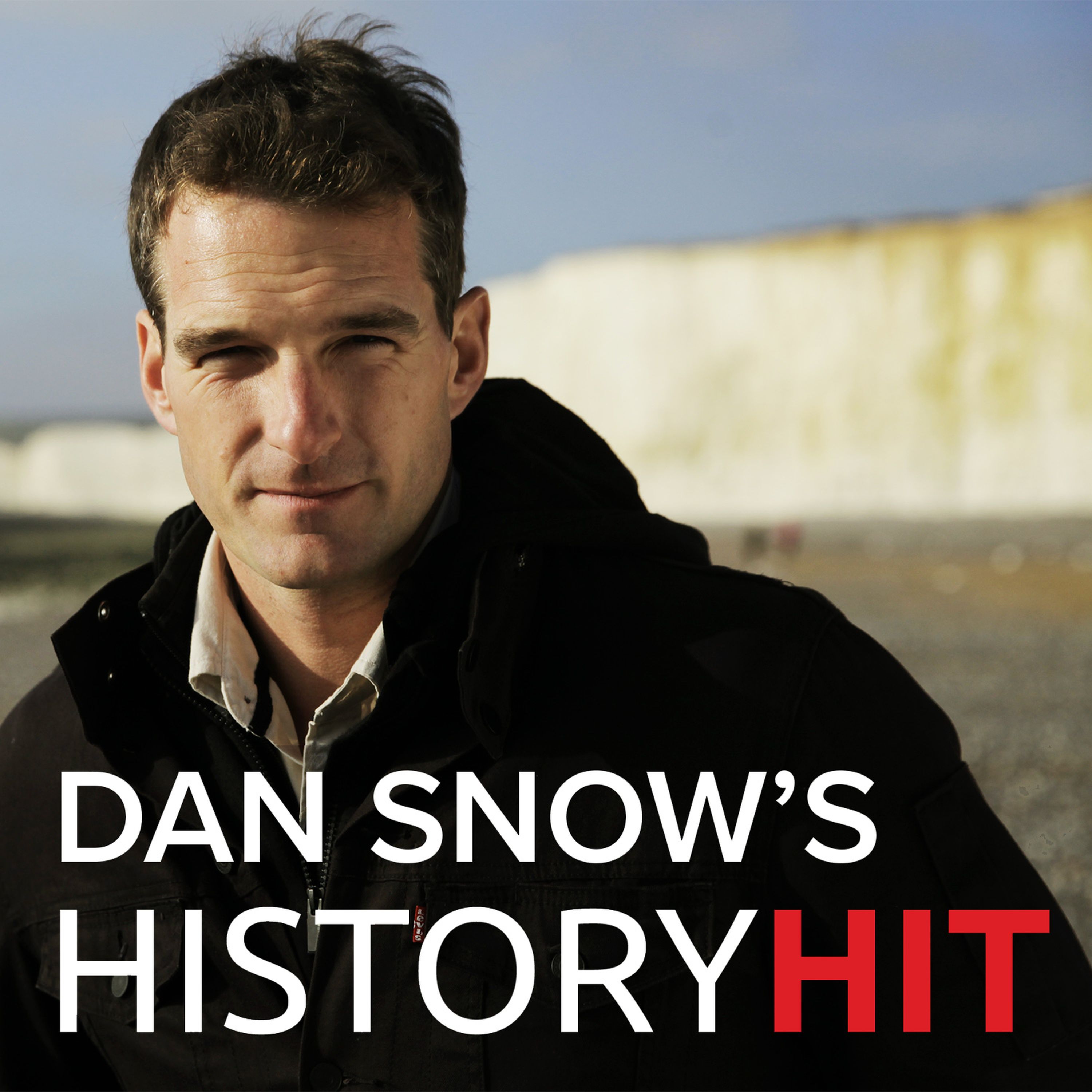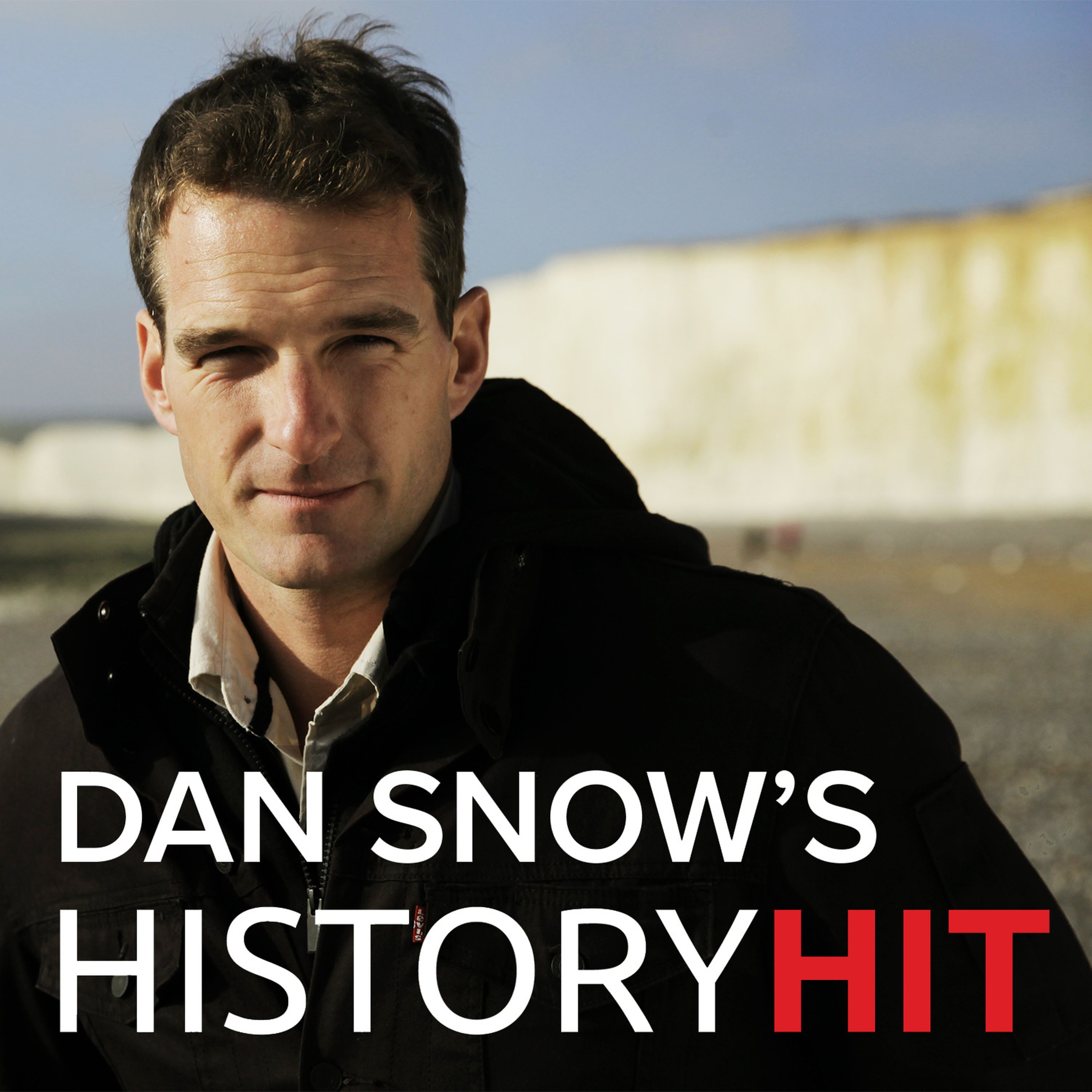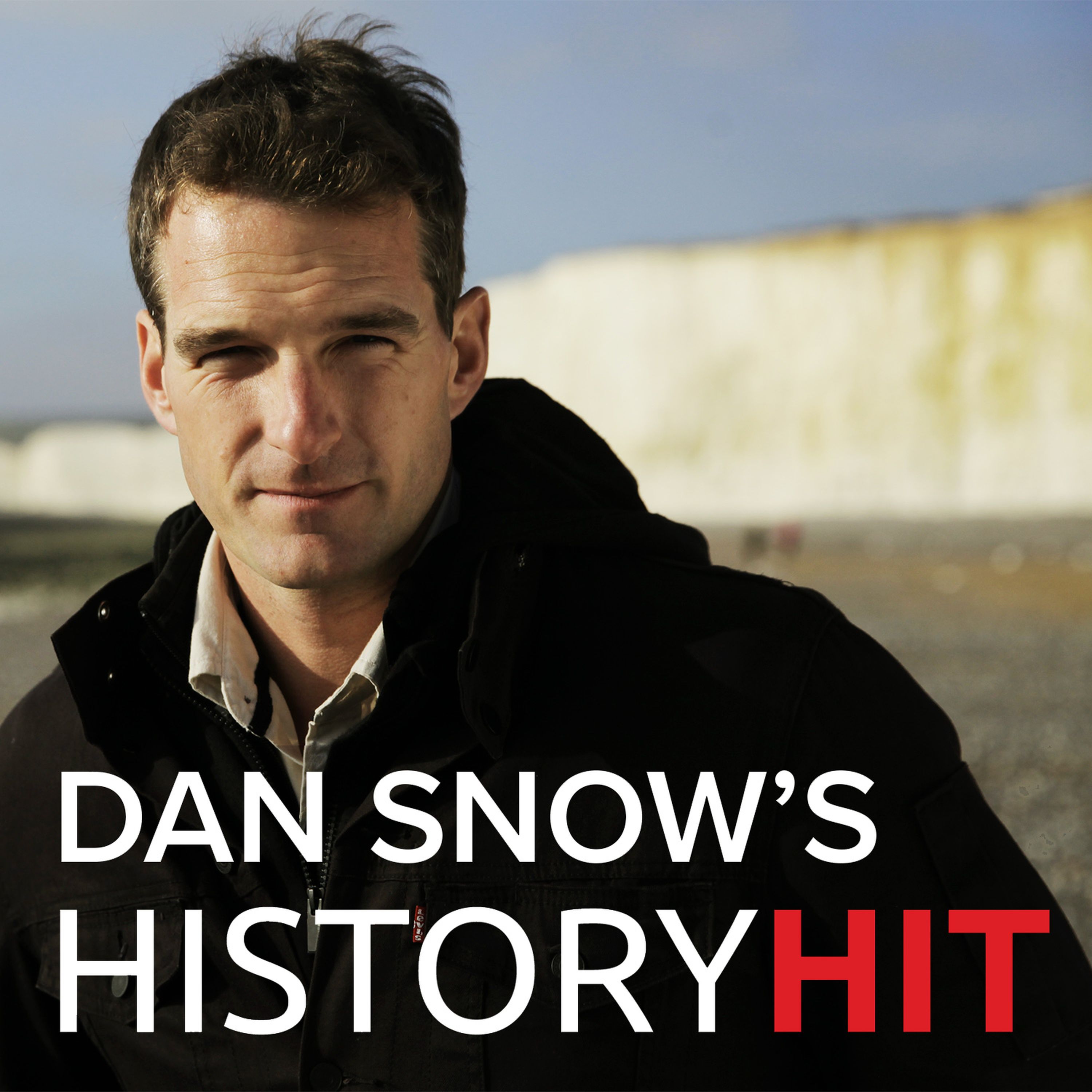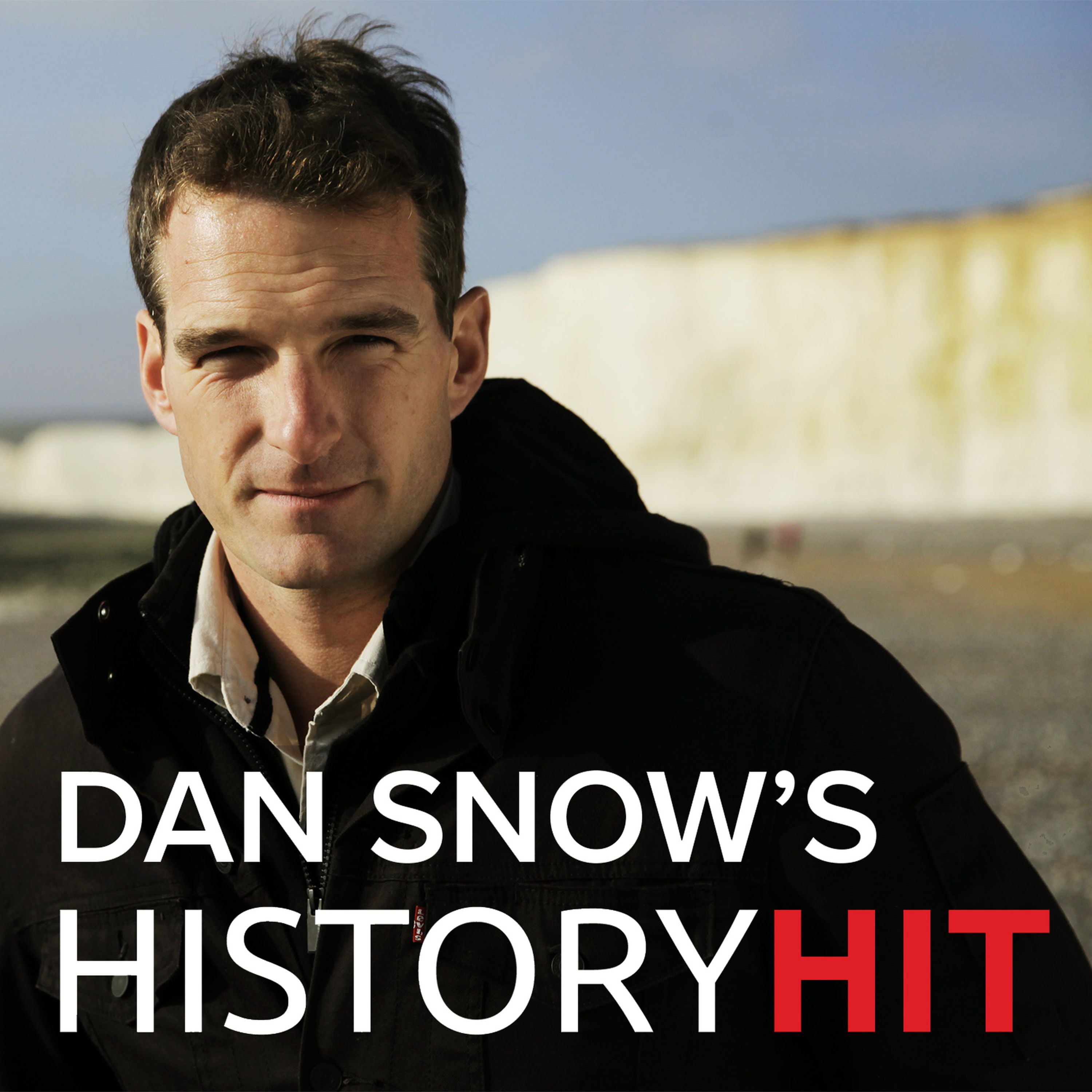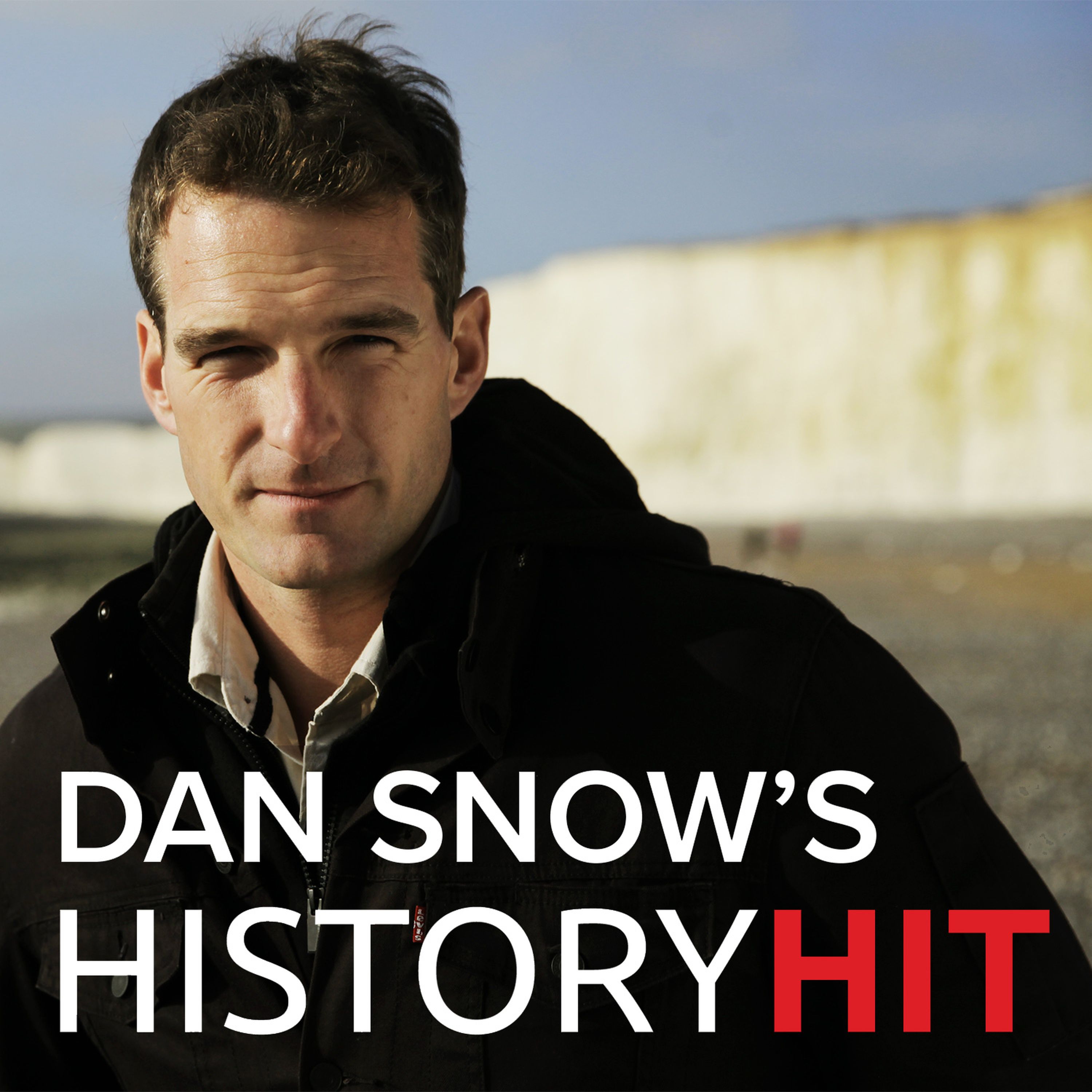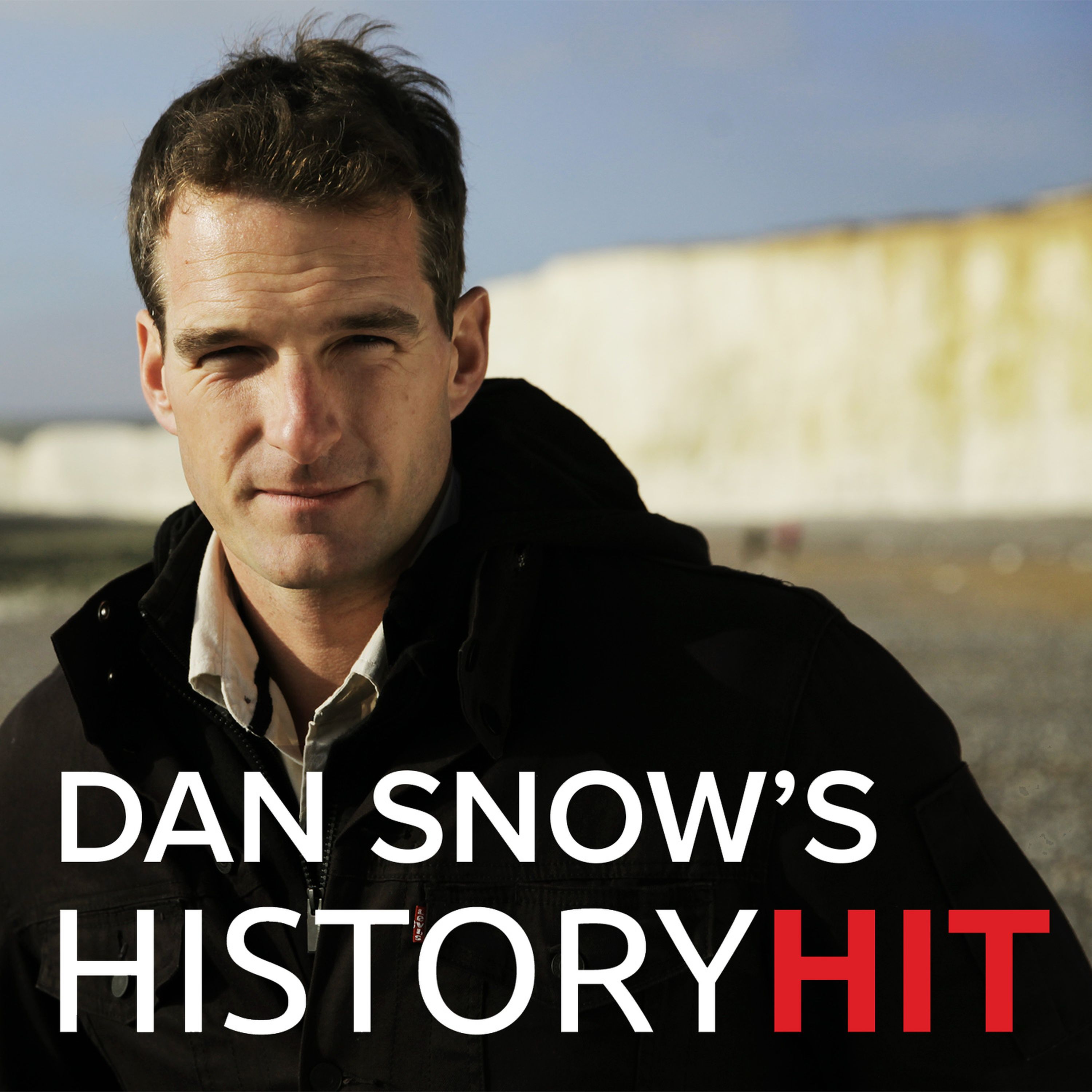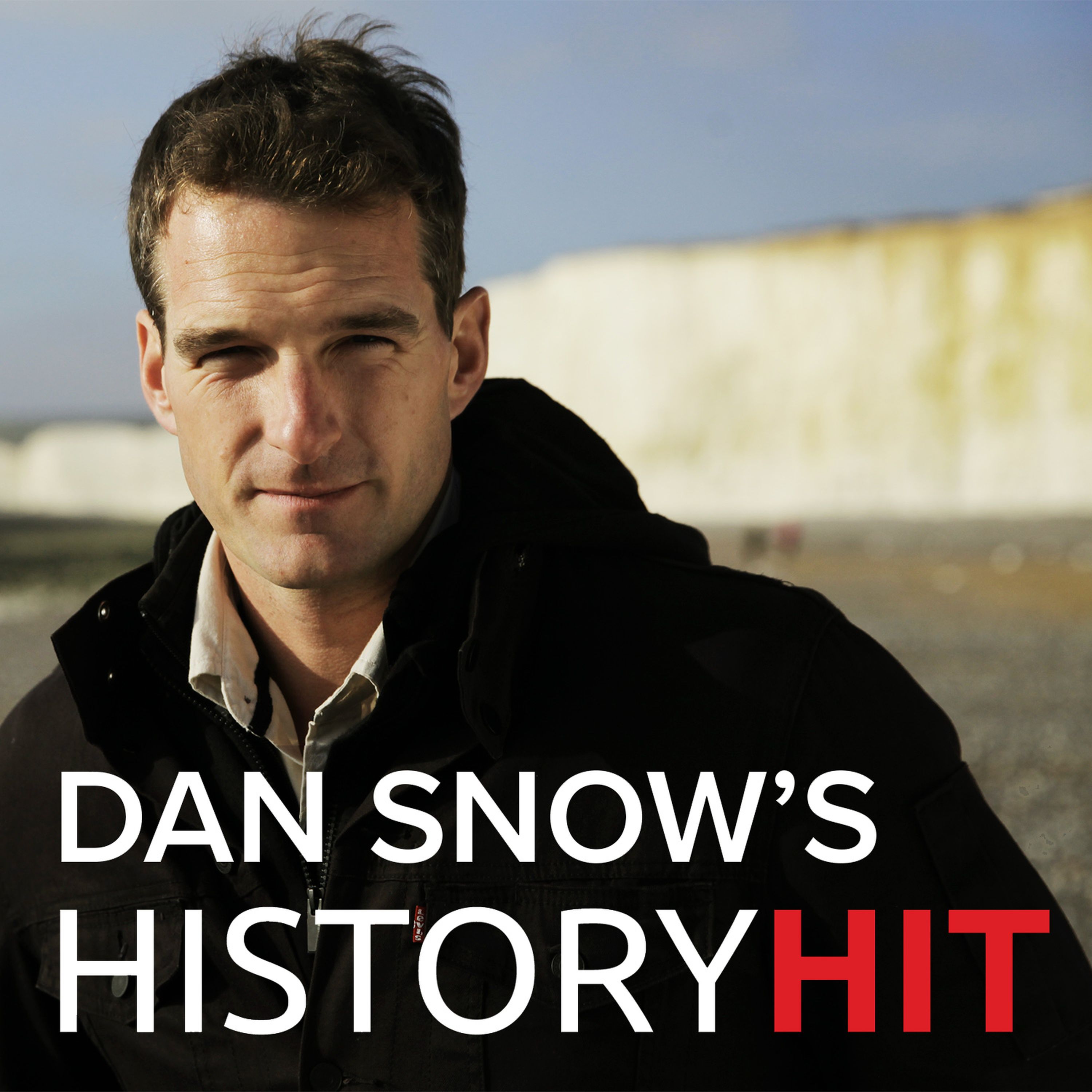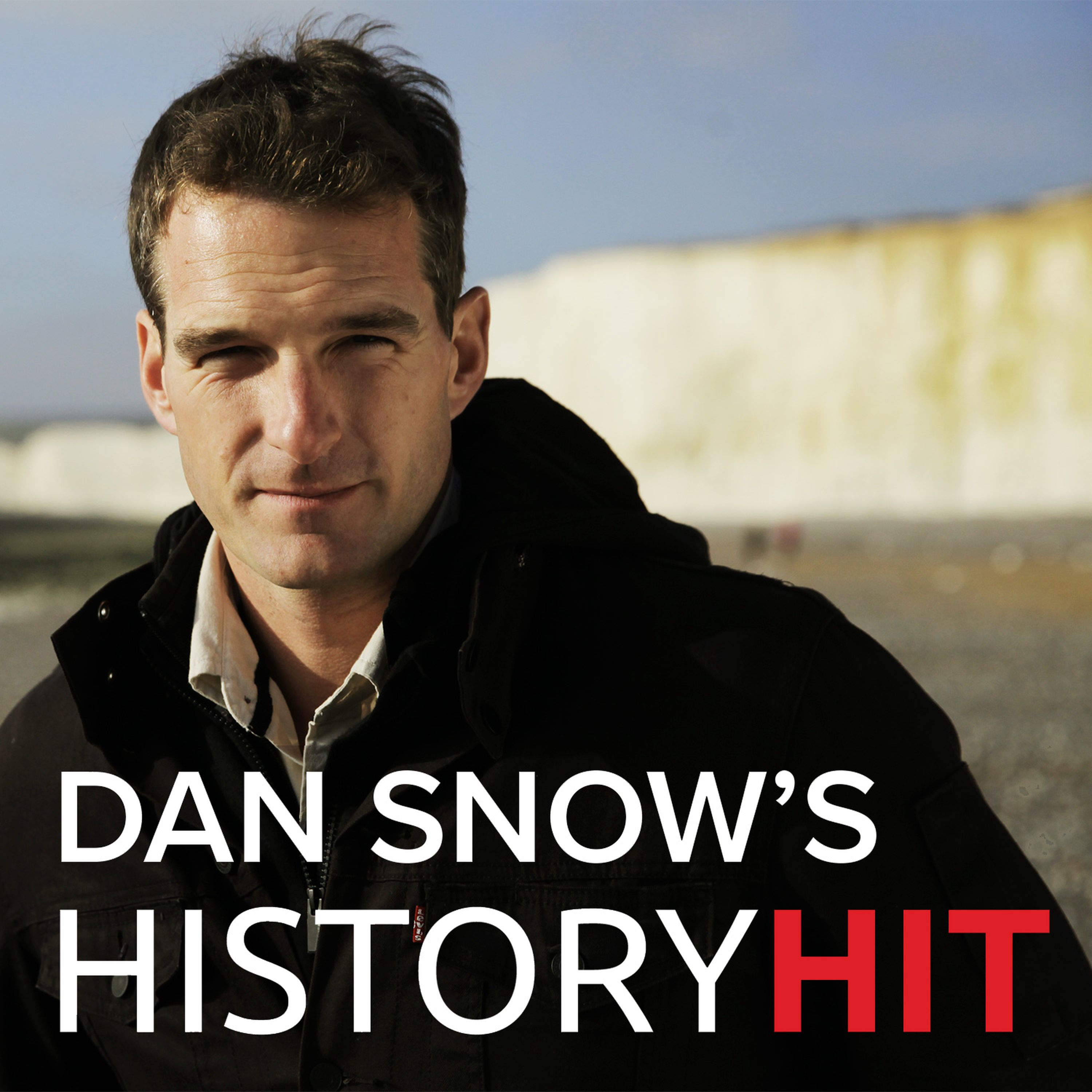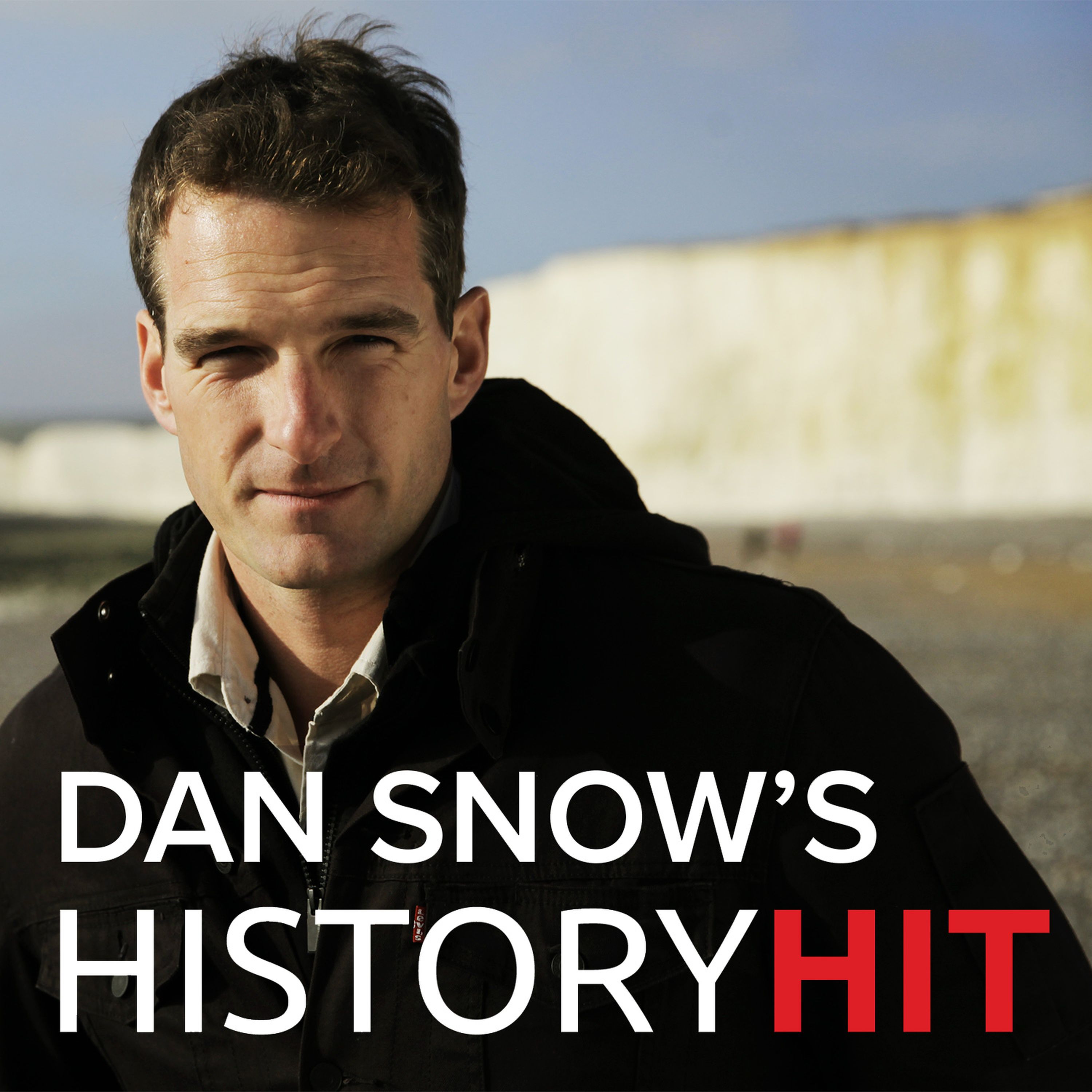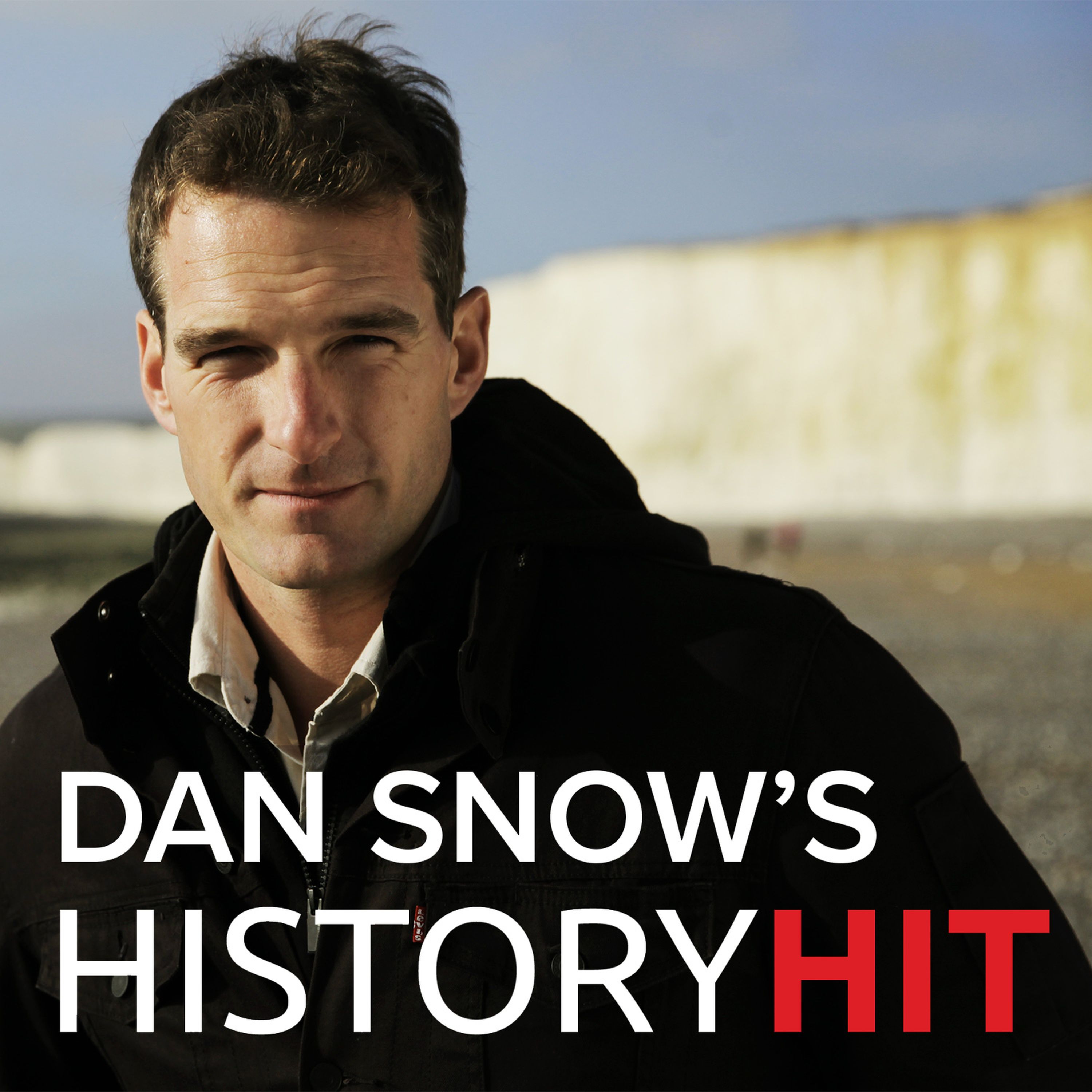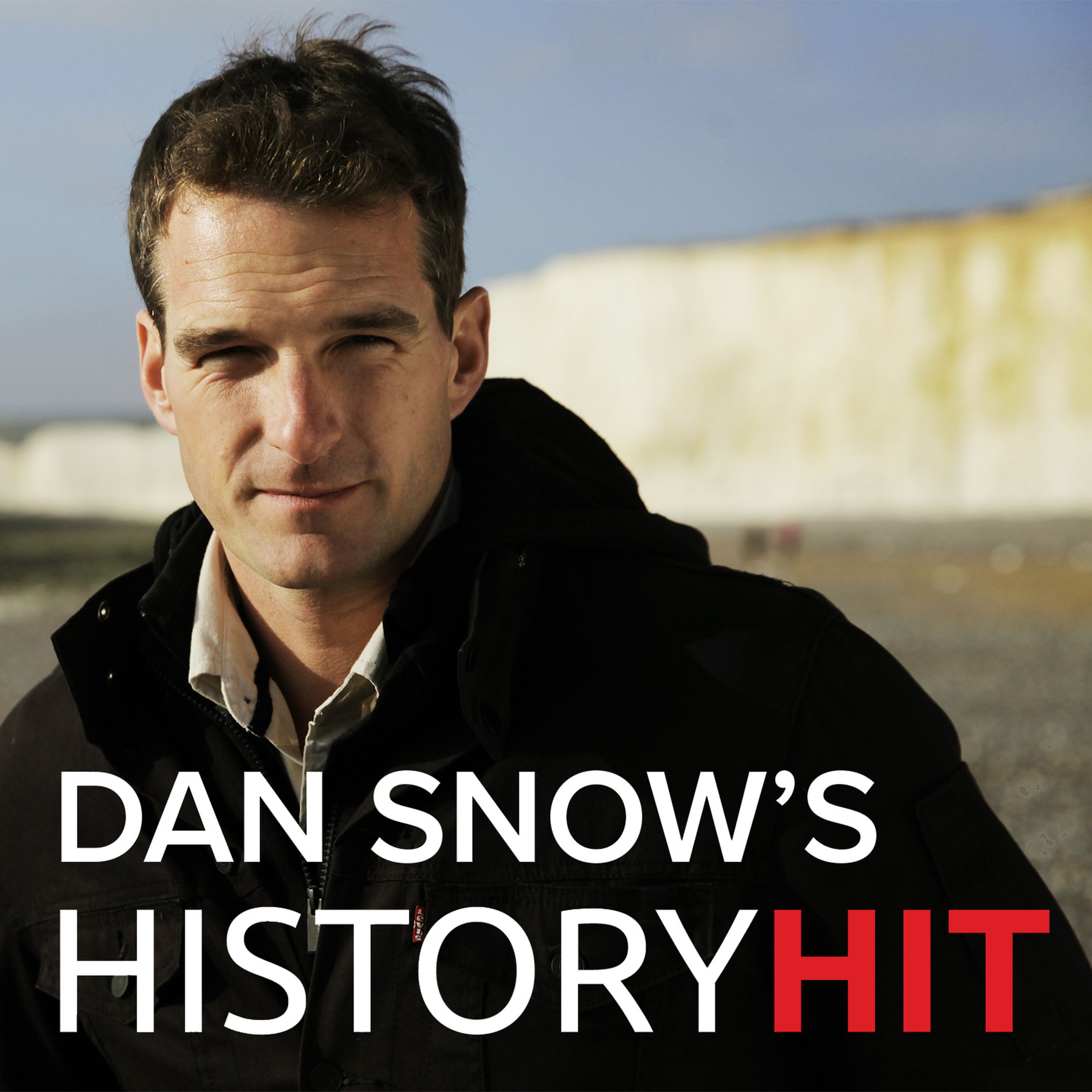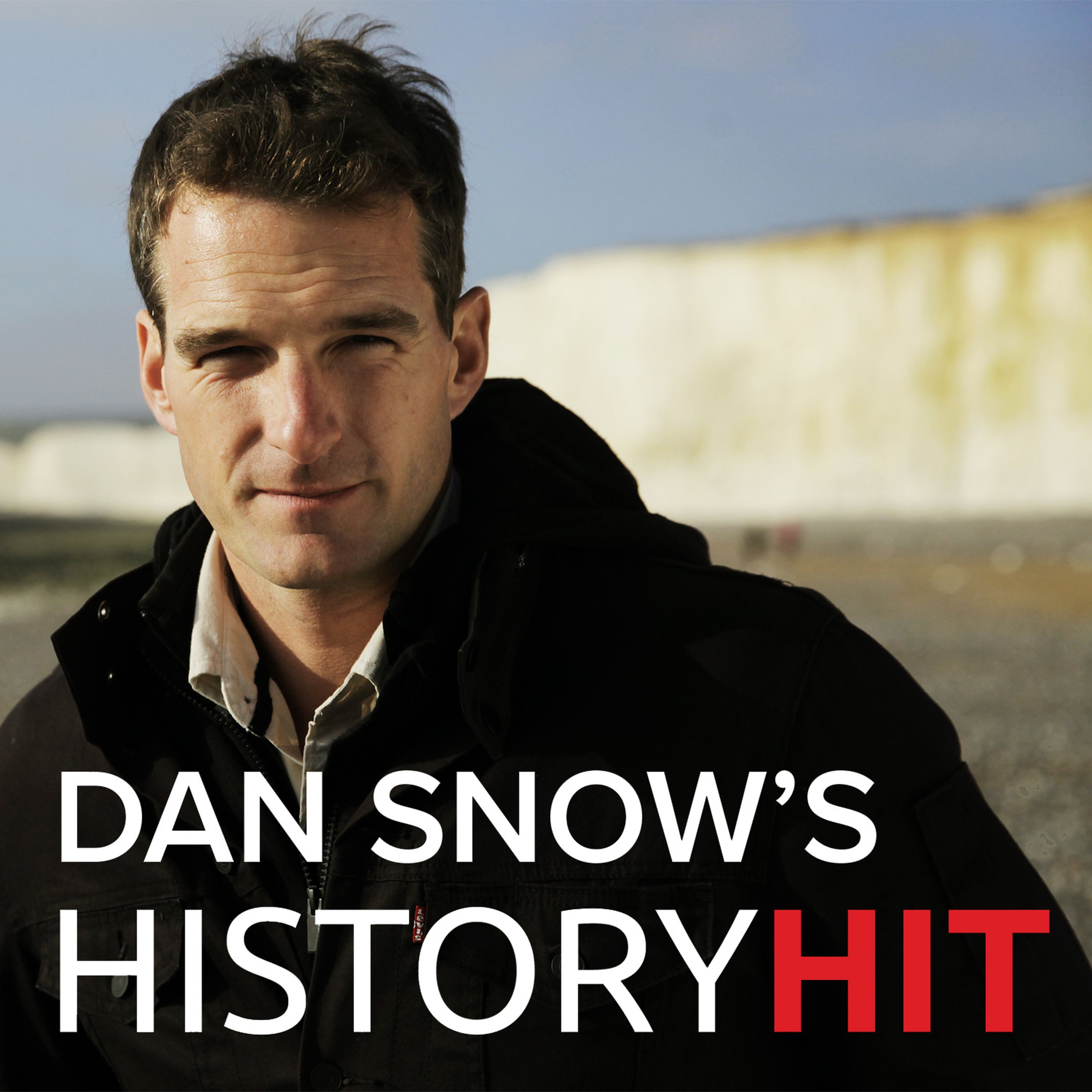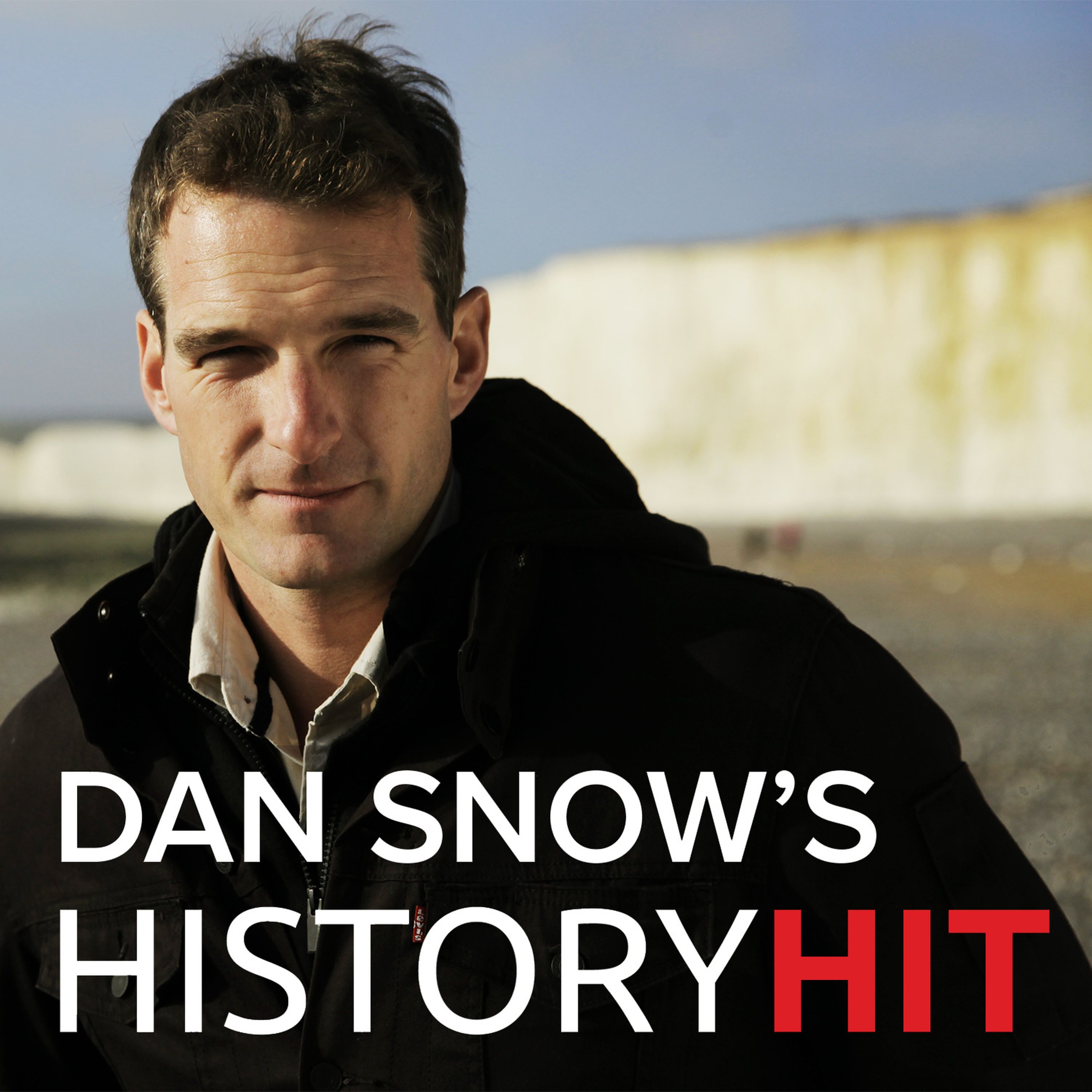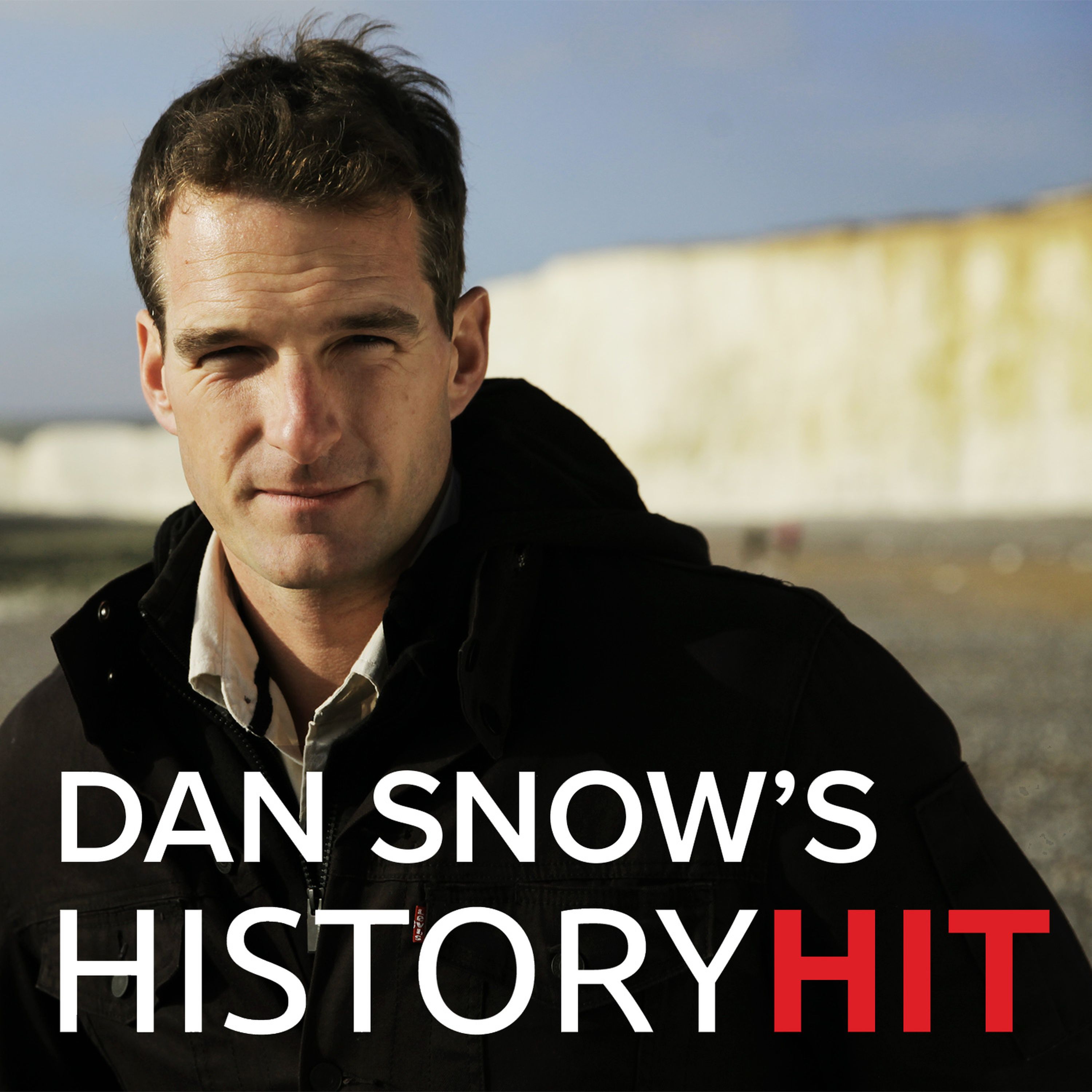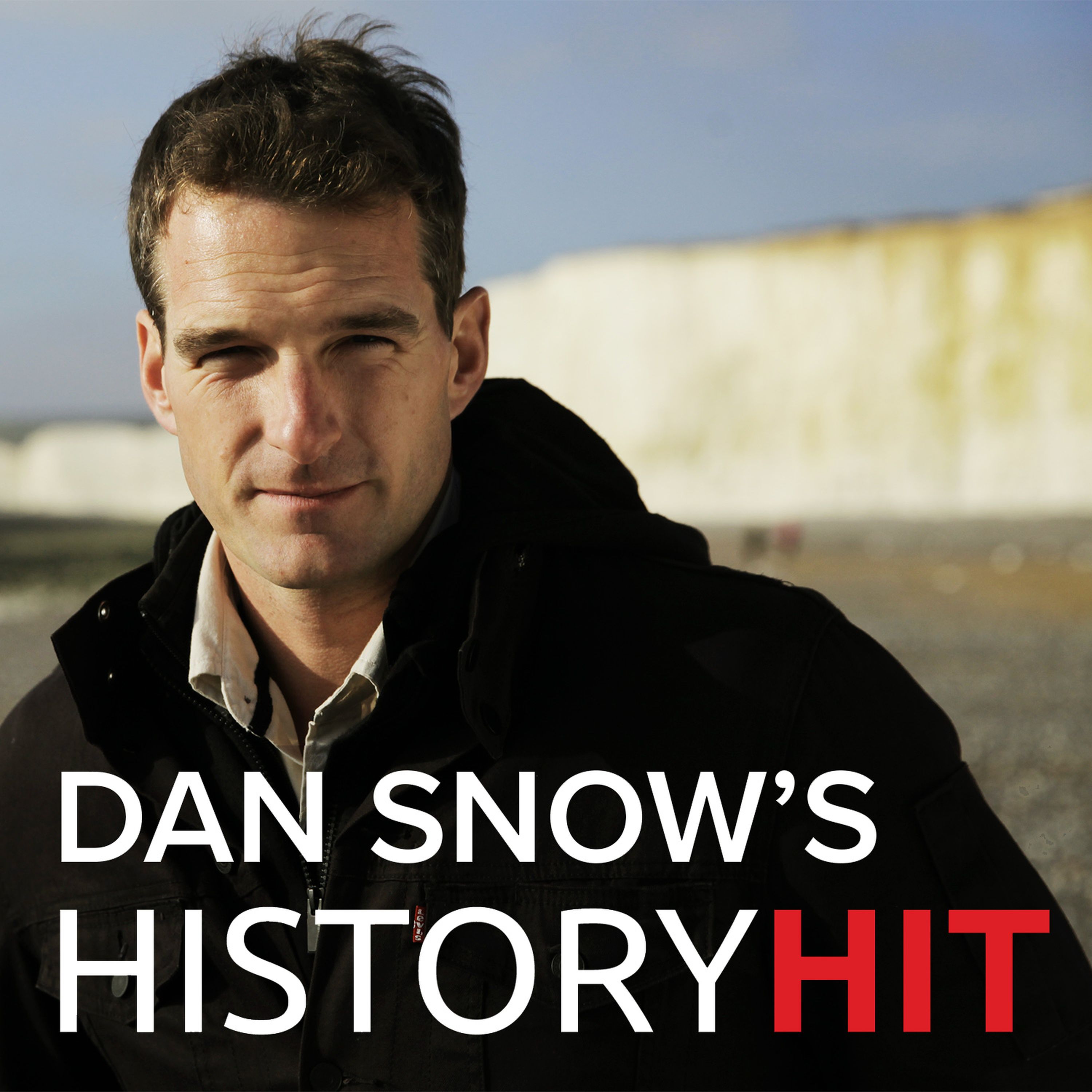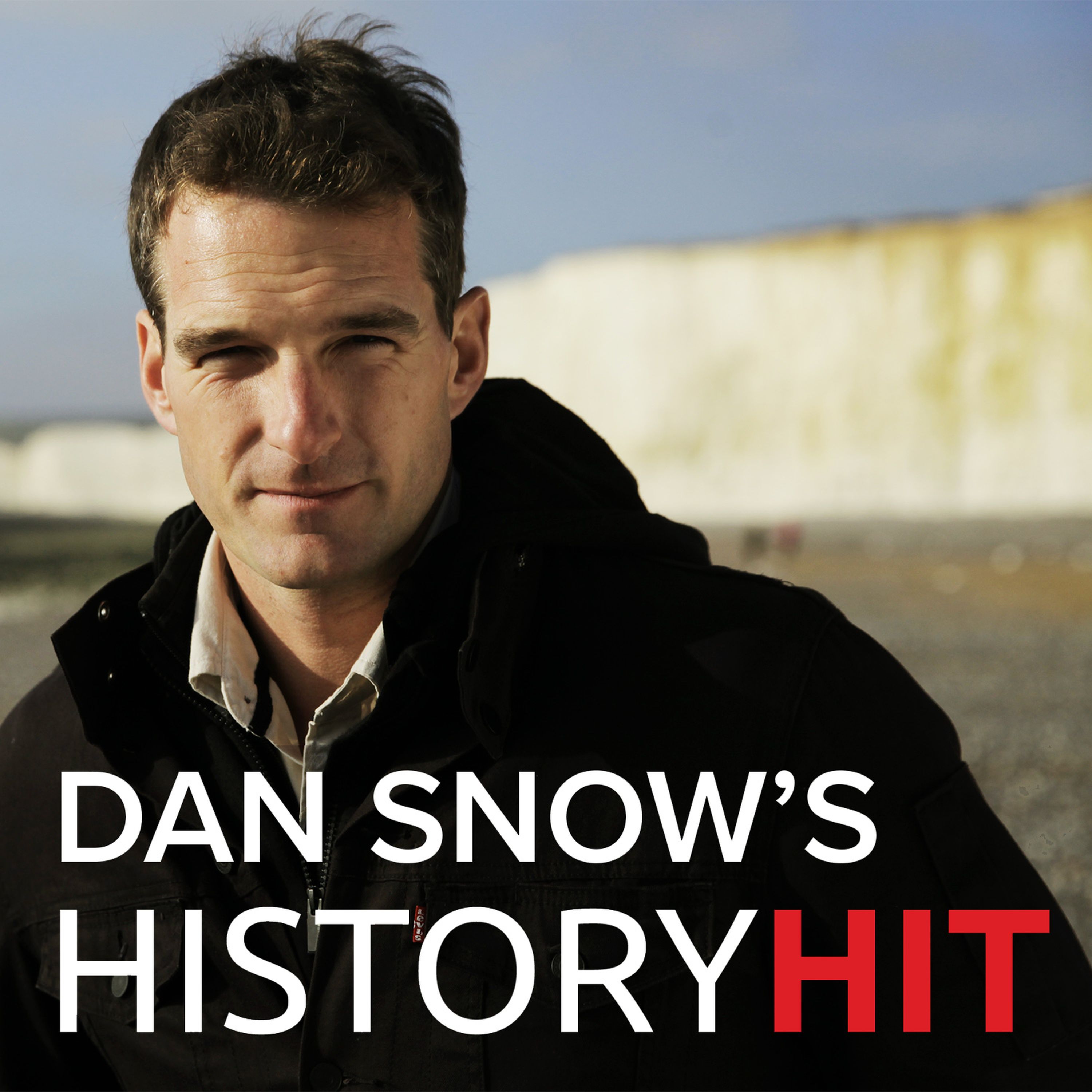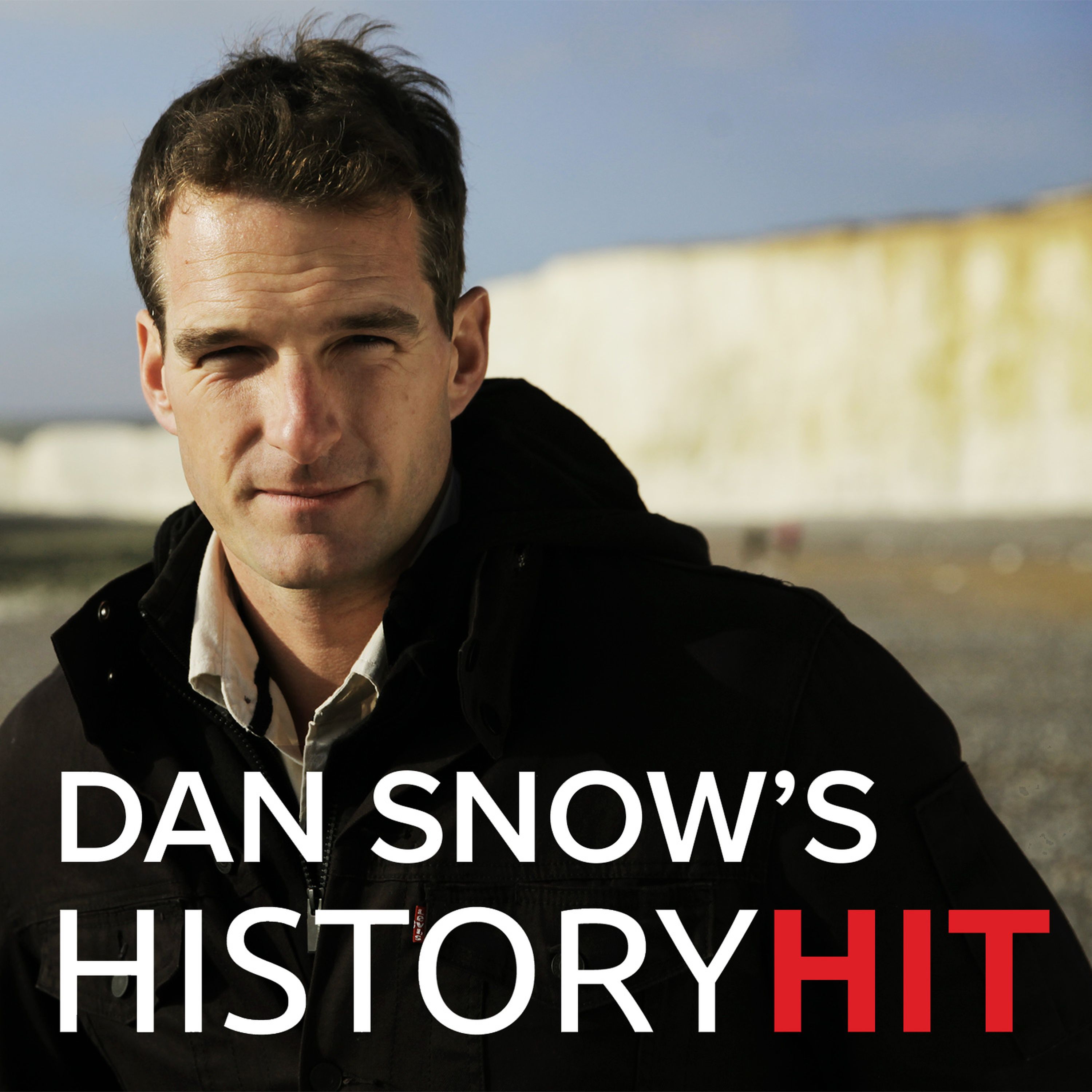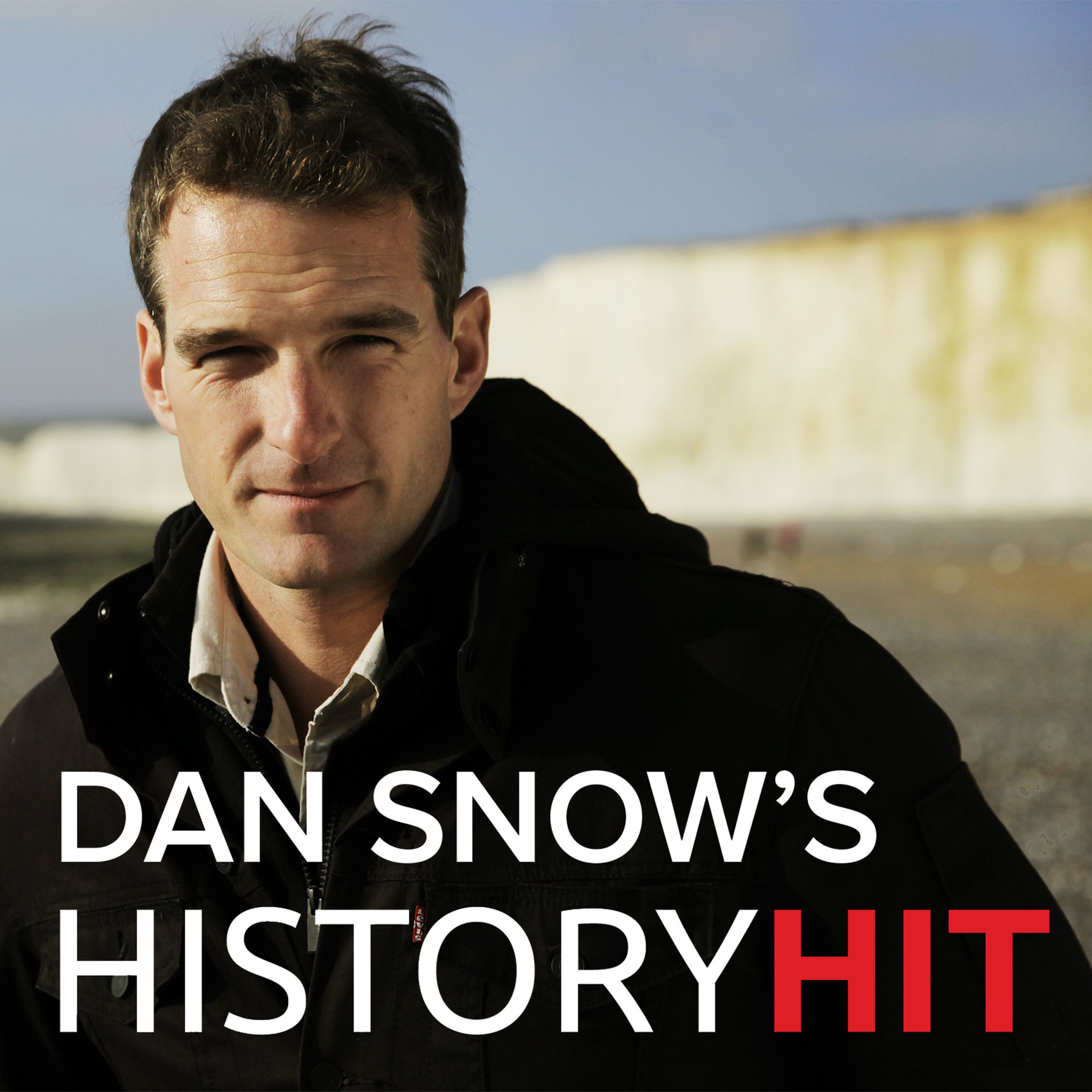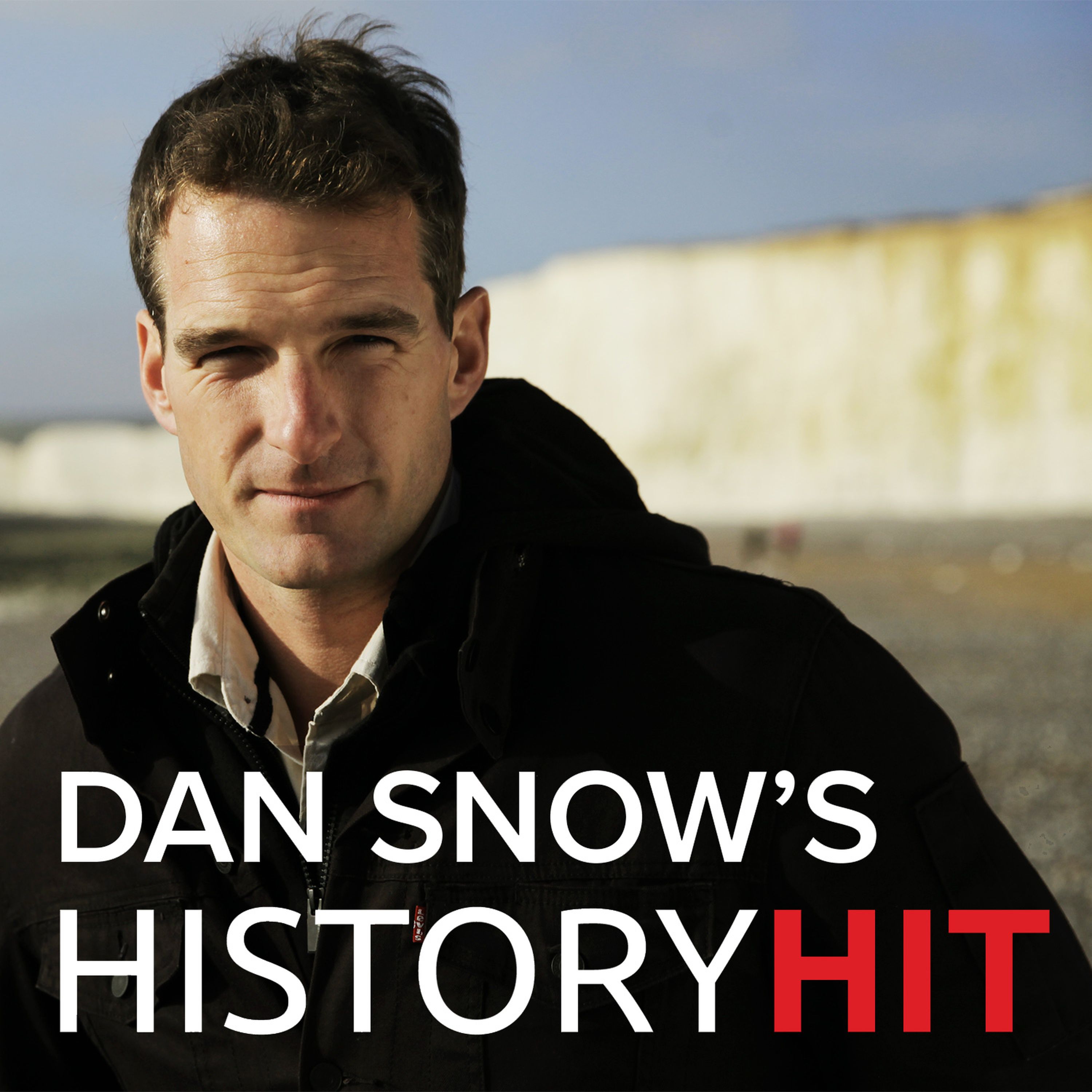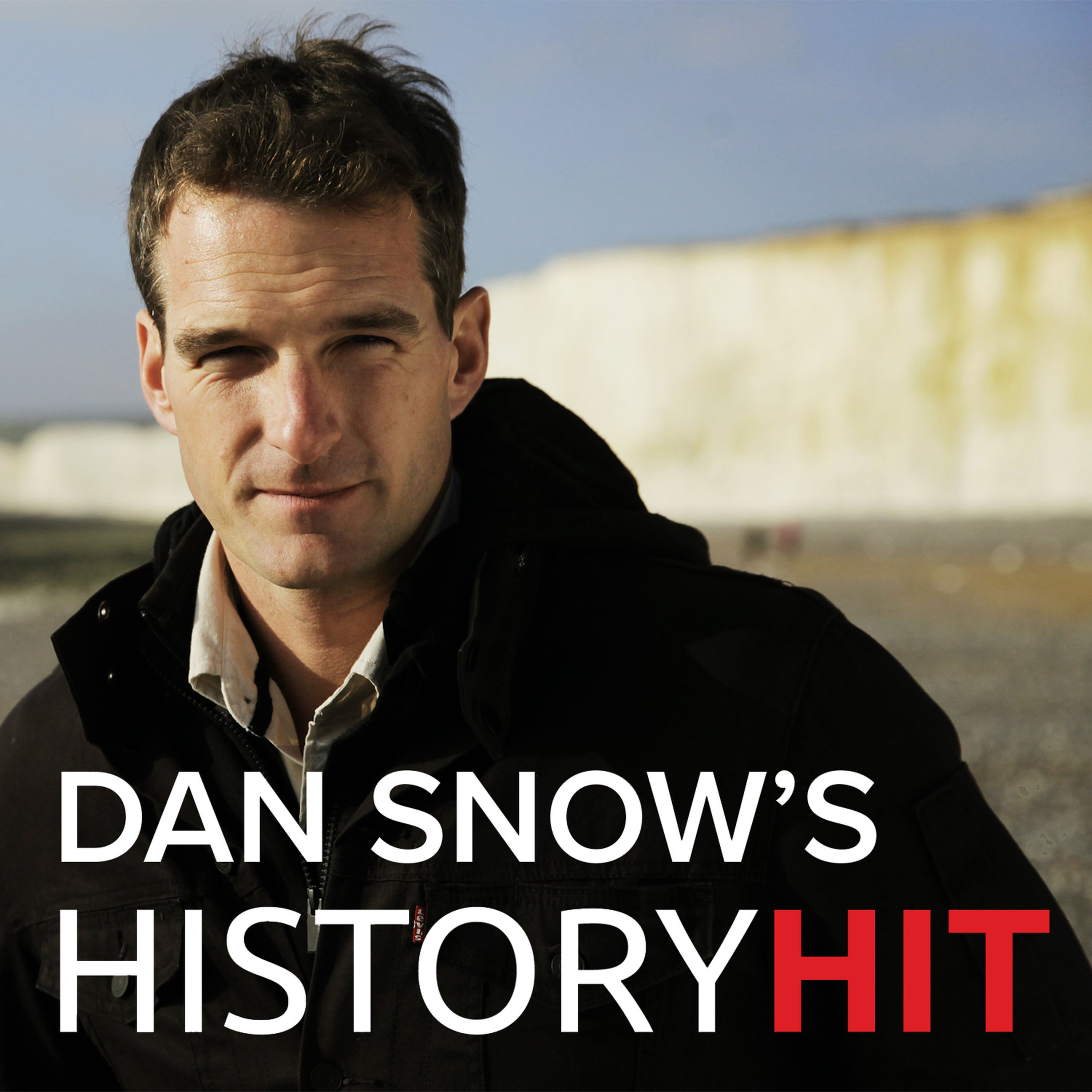Dan Snow's History Hit
History! The most exciting and important things that have ever happened on the planet! Featuring reports from the weird and wonderful places around the world where history has been made and interviews with some of the best historians writing today. Dan also covers some of the major anniversaries as they pass by and explores the deep history behind today's headlines - giving you the context to understand what is going on today.
This episode from our sibling podcast The Ancients is all about that hero of British folklore; Boudica. Her leadership of the Iceni in an uprising against the forces of the Roman Empire in around 60 AD is echoed around school classrooms. But what evidence do we have for her actions, appearance and eventual defeat? Caitlin Gillespie is the author of ‘Boudica: Warrior Woman of Roman Britain.’ In this first of two episodes, she speaks to Tristan about the sources that have helped us to find out more about this legendary woman.
Part 2: Boudica: Through Roman Eyes
See acast.com/privacy for privacy and opt-out information.
This explosive episode is all about the effects of Icelandic volcanoes on us all. In 1783 a massive eruption of Lakagígar volcano nearly forced the abandonment of Iceland as 15 cubic kilometres of lava was blown into the air. The greatest single amount ever recorded. The effects of this eruption caused enormous death and destruction in Iceland but also led to the failure of crops across northern Europe causing the deaths of 25,000 Britains and helping to cause the French revolution. Whilst this latest eruption seems rather tame by comparison it gave Dan the perfect excuse to speak to Páll Einarsson, who works at the Institute of Earth Sciences, University of Iceland, about the history of Iceland's volcanoes and how their presence continues to be felt both in Iceland and around the world.
See acast.com/privacy for privacy and opt-out information.
The creation of the Suez Canal was the culmination of a dream stretching back to the pharaohs of connecting the Mediterranean to the Red Sea, but why is it so important? Right now with the canal is blocked and more closely resembles a traffic jam rather than the vital trade artery connecting the trade and the Mediterranean basin with that of the Indian Ocean and Asia it is. The canal reduces the journey between the Arabian Sea and the North Atlantic by around 5000 miles saving the massive modern cargo vessels hundreds of thousands of dollars and tons of fuel by avoiding the long route around the Cape of Good Hope. This massive shortening of the route was even more vital in the days of sail and steam. On this podcast, Dan is joined by Zachary Karabel, author of Parting the desert: the creation of the Suez Canal; who discusses the history and construction of the canal, its lavish opening and how its existence led to imperialist expansion. Dan also talks to Kate Jamieson a maritime historian and part of the Operations team at MNG Maritime about the current implications of the closure.
See acast.com/privacy for privacy and opt-out information.
200 years ago the banner was raised which marked the beginning of the Greek War of Independence that would lead to their freedom from the Ottoman Empire. It was also a globally significant war as it is one of the first examples of a people fired up with nationalist sentiment rising up against a big transnational empire. It would act as an inspiration for nationalist movements across the world leading eventually to the destruction of those empires around the world. The Greek cause was championed around the world by the Greek diaspora and classicists and volunteers, including Lord Byron, flocked to join the Greek cause. Eventually, after several years of struggle the Great Powers intervened to ensure that Greece obtained its independence. Paschalis Kitromilides, editor of The Greek Revolution: A Critical Dictionary, joins Dan to talk about the war, its significance within Greece and the wider world and how the shockwaves sent out by the Greek Revolution are still being felt throughout the Balkans and Eastern Europe.
See acast.com/privacy for privacy and opt-out information.
In this episode from the back catalogue, Dr Bettany Hughes joins Dan to talk about her history of Istanbul which sits at the crossroads of Europe and Asia. Dr. Bettany Hughes is an award-winning historian, author, and broadcaster, who has devoted the last 25 years to the vibrant communication of the past. Her speciality is ancient and medieval history and culture. A Scholar at Oxford University she has taught at Oxford and Cambridge Universities and lectured at Cornell, Bristol, UCL, Maastricht, Utrecht and Manchester. She is a Tutor for Cambridge University’s Institute of Continuing Education and a Research Fellow of King's College London. Her new book is entitled Istanbul: A Tale of Three Cities.
See acast.com/privacy for privacy and opt-out information.
Every family has a history and delving into the history of one ordinary French family over three centuries provides a remarkable picture of deep social and economic changes. Accounts of the lives of the rich and powerful families of history are commonplace. We have all read about the Kennedy's, the Windsors or the Habsburgs but what about an ordinary family? Dan is joined by Emma Rothschild, Professor of History at Harvard University and herself a scion of the Rothschild family, who has set out to prove that any family, however ordinary can be just as fascinating. She chose at random Marie Aymard, an illiterate widow, who lived in the provincial town of Angoulême in southwestern France in 1764 and traced her family's history down five generations and it's quite a ride! This episode charts the history of the family, why Emma chose this subject matter and acts as a reminder that families are intriguing and complicated with an infinite number of different outcomes.
See acast.com/privacy for privacy and opt-out information.
Today's podcast is about French Resistance spies! Dan is joined by the author Roland Phillips who has uncovered the story of Mathilde Carré who was codenamed agent Victoire and nicknamed La Chatte & who spied for both the French Resistance & the Nazis. In this episode, Roland takes us through a fascinating story of love, betrayal, espionage, patriotism and cynicism during the Second World War.
See acast.com/privacy for privacy and opt-out information.
Saint Helena is one of the most remote inhabited islands in the world. Nearly a thousand mile from the nearest piece of land, this recently created volcanic effusion is a wonder of geography and biodiversity. But it's also got a remarkable history. Napoleon was sent there after Waterloo. It was the safest place the British government could think of to imprison the most dangerous man in the world. In this episode, Dan goes to Napoleon's house, meets the remarkable man who has restored it and finds out about the last painful years of the Emperor's life. You can watch the documentary Dan made over on History Hit TV and find out more about the sites of Saint Helena on our website.
See acast.com/privacy for privacy and opt-out information.
Here in the UK, it's census time! Today, I'm joined on the podcast by one of the nations favourite family historians Dr Michala Hulme who certainly knows her way around a historical census. The first census was back in 1801 so we now have over 200 years of census information. We discuss why the census was first created, how the census can give us a real insight into how people lived their lives and how the census has changed and evolved over time. Please fill out your census as it provides vital information not just for the government, but most importantly for future historians to understand what was going on.
See acast.com/privacy for privacy and opt-out information.
In this episode taken from our archive, I talk to Dr Bill Frankland (19 March 1912 – 2 April 2020), a veteran of World War Two who lived through a Japanese prisoner of war camp and who also made important contributions to our understanding of allergies.
You can listen to part 2 of this podcast here.
See acast.com/privacy for privacy and opt-out information.
Today, I am joined once again by Professor David Runciman to talk about the second series of his brilliant History of Ideas podcast. The series looks at some of the most important political thinkers of all time and tells us about their lives, their theories and why their thinking still matters. We discuss the series and look at the philosophies of Jean-Jacques Rousseau, Jeremy Bentham, Frederick Douglass, Friedrich Nietzsche and Rosa Luxemburg amongst others. It seems that these giant minds we wrestling with many of the same questions that we have today. How do we get better politics and who allowed these lunatics to run society?
See acast.com/privacy for privacy and opt-out information.
We all have a story about St Patrick's Day and our guest on the podcast today, Adrian Mulligan has a few. Adrian is an Associate Professor of Geography at Bucknell University in Pennsylvania. We had a fascinating talk about the origins of St Patrick's day, Irish Nationalism, how it has become a global phenomenon, the Irish American experience and how it's celebration has been influenced by the Irish diaspora. Enjoy this wonderful episode and happy St Patrick's Day!
See acast.com/privacy for privacy and opt-out information.
On the 16th March 1968, the My Lai Massacre occurred in South Vietnam. 350-500 men, women, children and babies were brutally killed by US troops during a counterinsurgency operation. It was the worst war crime perpetrated by US forces during the Vietnam War.
To try and find out what made those men snap and commit those terrible crimes I spoke to Erik Villard a Historian at the U.S. Army Center of Military History, Fort McNair, DC. He talks us through the events of that fateful day, why he believes it took place and how these shocking events continue to influence US military operations today.
See acast.com/privacy for privacy and opt-out information.
Today's podcast is an episode taken from our sibling podcast The Ancients. In 4 BC, the Ides of March took on a new significance. Previously observed as the first full moon of the new year, the 15 March is today remembered as the anniversary of the assassination of Julius Caesar. In this episode, Dr Emma Southon talks Tristan through the events leading up to the Caesar’s assassination: was he forewarned with omens in the days preceding his death? Who was involved in the plot and why did they want to kill him? Did Caesar really say 'et tu Brute?' And what of the more important 'other' Brutus? Emma tells the story of this momentous day.
Quick note: Caesar wasn't technically killed in the Senate House. He was killed in the senate meeting room, which at that time was held in the Curia of Pompey.
We also follow the theory that it was upon seeing Decimus Brutus, not Marcus Brutus, that Caesar gave up and stopped resisting his assassins. The debate continues!
See acast.com/privacy for privacy and opt-out information.
On the podcast today we have the legendary Linda Colley to talk all about her new book examining the phenomenon of written constitutions. From Corsica in 1755 onwards via the United States and into the modern world constitutions represent an attempt by people to write down and codify the laws that govern a state. We discuss how these important documents are, and continue to be, a powerful symbol of statehood; how they represent the cultures and literature of the time and how their increasing importance from the eighteenth century onwards is intimately connected with the gigantic new forms of warfare that arise in the period.
See acast.com/privacy for privacy and opt-out information.
The Vikings were one of the great exploring peoples of the past. They travelled east along the rivers to the Silk Road, they explored west across the seas to the United Kingdom, they settled Iceland and Greenland and famously reached North America. L'Anse aux Meadows in Newfoundland, Canada has been identified as a Viking site, but it seems that this was only a staging post for longer journey's but where they were headed beyond this point we don't know. This leaves open the tantalising possibility of finding further Viking settlement in North America. Gordon Campbell, Emeritus Professor and Fellow in Renaissance Studies at the University of Leicester joins me on the podcast to discuss the Viking relationship with North America and whether we might one day find a missing settlement.
See acast.com/privacy for privacy and opt-out information.
Throughout history homelessness has been given many names vagrancy, vagabonding, tramping. Indeed, homeless people have been seen in different lights. Sometimes portrayed as romantic heroes maintaining their freedom to roam and refusing to accept the yoke of a capitalist, settled society but also as an existential threat to order and property. I spoke to Professor of Contemporary British History Nick Crowson in this episode of the podcast who has spent much of his career studying homelessness. We explored how homelessness has been seen throughout history, his efforts to find out more about the individuals involved, how the homeless are labelled by the legal system here in the UK and how the 1824 Vagrancy Act remains in force.
See acast.com/privacy for privacy and opt-out information.
Vince Houghton joins me on the podcast today to talk about some of the weirdest and craziest ideas put forward during the twentieth century. We're talking exploding bats, sonic cats, aircraft carriers made of icebergs and detonating a nuclear missile on the moon just to show that you could do it! This is a really fun episode and as you'll hear many of these ideas came closer to becoming reality than you might think.
Vince Houghton is the historian and curator of the International Spy Museum in Washington, DC. He also is the host and creative director of the Museum's podcast, SpyCast, which reaches a national and international audience of over 2.5 million listeners each year.
See acast.com/privacy for privacy and opt-out information.
In this archive episode, Dan Snow wrangles with a Python! He talks to comedy legend Michael Palin about his book, Erebus The Story of a Ship. The book tells the devastating true story of the Franklin expeditions to find the Northwest Passage, and how their history only slowly came to light.
See acast.com/privacy for privacy and opt-out information.
To help celebrate International Women's Day I am joined on the podcast by Tania Hershman, Ailsa Holland and Jo Bell founders of On This Day She. Women have often been deliberately written out of history with their accomplishments been credited to men. On This Day She sets out to redress this imbalance and give voice to women, from all different backgrounds, that have been left out of history. It includes the good, the bad and everything in-between with both well-known women as well as those you may never have heard of. It's a fascinating and brilliant project that shines a light on the contribution women have made to history and in this episode, we talk all about their new On This Day book.
Find their work @OnThisDayShe
See acast.com/privacy for privacy and opt-out information.
I am joined by an absolute legend on the podcast today; Eddie the Eagle. He became an overnight sensation during the 1988 Winter Olympics as the first person to represent Great Britain in ski jumping since 1928. Although he finished last in both the 70 metres and the 90 metres he became a worldwide phenomenon due to his positive attitude and the extraordinary story of how he reached the games. He is one of the most zen people I have had the pleasure of interviewing and is just as happy plastering as appearing in the public eye. In this episode, we talk all about his Olympic adventure and Eddie shares with us some of his life wisdom.
See acast.com/privacy for privacy and opt-out information.
Nicholas Crane is a geographer, explorer, writer and broadcaster. He has written and presented four notable television series for BBC Two: Coast, Great British Journeys, Map Man and Town. The Making Of The British Landscape: From the Ice Age to the Present is out now.
See acast.com/privacy for privacy and opt-out information.
Today on the podcast we're going to talk all about the Renaissance. We have all heard of it as a reawakening, a rebirth of European culture but what truly was it and why was it so important and are we going through our own renaissance now? I wanted to really get under the skin of the Renaissance and find out what exactly happened in Italy in the 15th and 16th century. Joining me to do just that is Mary Hollingsworth who has written a book called Princes of the Renaissance about the people who became the artistic patrons in that period.
See acast.com/privacy for privacy and opt-out information.
Myanmar is currently experiencing one of its worst-ever periods of violence and civil unrest as the population protests against the recent military coup. Many protesters have been killed and injured and Aung San Suu Kyi is once again under house arrest. To help explain what is happening in Myanmar and put the events into context I am joined on the podcast by the filmmaker Alex Bescoby, who has spent much of his adult life working and living in Myanmar. We explore this complex issue and how the current unrest is related to its history, colonialism, the country's partition in 1947 as well as the subsequent coups, revolutions and more recently genocide that has followed.
See acast.com/privacy for privacy and opt-out information.
Today's episode is from our brilliant sibling podcast The Ancients. Cheddar Man is the oldest almost complete skeleton of a Homo sapien ever found in Britain and, for this fantastic episode, Tristan spoke to the scientist who has drilled a (very small) hole in him. Dr Selina Brace is a biologist who works with ancient and degraded DNA. At the Natural History Museum in London, where Cheddar Man currently resides, Selina and her team have been able to examine this iconic skeleton’s genetic makeup and deduce from it more information about the evolution of our species, as well as the lifestyles and even appearances of Homo sapiens moving from the Mesolithic to the Neolithic era.
See acast.com/privacy for privacy and opt-out information.
Joining me on the podcast today are Alice Doyard and Anthony Giacchino to discuss their film Colette: The french resistance fighter confronting fascism which has been shortlisted for the Oscars 2021 in the Documentary Short category. The documentary tells the story of Colette Marin-Catherine who was part of the French Resistance during the Nazi occupation of France in the Second World War. 90-year-old Colette Marin-Catherine confronts her past by visiting for the first time the German concentration camp Mittelbau-Dora where her brother, also a resistance member, was killed. The trip opens old wounds and provides powerful lessons for us all even after the passing of so many years. Alice and Anthony talk about the process of meeting and working with Colette and what the project meant to them as filmmakers.
I would thoroughly recommend you watch this powerful piece of work and you can do so by clicking here.
See acast.com/privacy for privacy and opt-out information.
In today's episode of the podcast, I am joined by Katherine Pangonis a historian specialising in the medieval world of the Mediterranean and Middle East. She has recently written a fantastic book about the powerful women who dared to rule in the Crusader States of Outremer following the First Crusade; something that was largely absent from other states of the period. We talk about how and why the phenomenon occurred, the rule of Queen Melisende and her granddaughter Queen Sibylla, the influence of these rulers on Eleanor of Aquitaine and how these powerful women have largely been ignored by history.
See acast.com/privacy for privacy and opt-out information.
On this day thirty years ago a ceasefire was declared bringing ground operations in the first Gulf War to an end. An overwhelmingly powerful coalition force had stormed across the desert driving Saddam Hussein's forces out of Kuwait and concluding the ground campaign after only 100 hours of fighting. To commemorate this anniversary I am joined on the podcast by General Sir Rupert Smith who commanded the UK 1st Armoured Division during the conflict. We talk about his role during the war, the challenges of command and what we should understand about the changing nature of combat in the modern world.
General Sir Rupert Smith joined the army in the 1960s and served on deployments across the world including Africa, Arabia, the Caribbean, Europe, Malaysia and Northern Ireland where he was decorated for gallantry. In October 1990 he was promoted to Major-General and assumed commanded of the 1st Armoured Division as it was being deployed to the Gulf in anticipation of the war. This was the largest British armoured force deployed in action since the Second World War. After the Gulf War Sir Rupert went on to serve with distinction in Bosnia and wrote a book called The Utility of Force which remains essential reading in military circles.
See acast.com/privacy for privacy and opt-out information.
The 19th century saw the world in the grip of the industrial revolution, a firepower revolution on the battlefield and a communications revolution with the telegram. But there was another revolution happening at the same time; the medical revolution. This led to giant strides forward being made in the fields of public health, surgery and pharmaceuticals. Monica Walker, Curator at Old Operating Theatre Museum in London, joins me for Lockdown Learning this week to talk me through jus what happened in the 19th century to take medicine into a completely different realm.
Many thanks again to Simon Beale for creating this downloadable worksheet for students: https://drive.google.com/file/d/1GQW0ql9LsuvQDB5PozNuZtIsepir5ByH/view
See acast.com/privacy for privacy and opt-out information.
Today, we're talking about one of the great stories of American military history; The Doolittle Raid. In 1942 after the humiliation assault on Pearl Harbour and determined to show that America still had offensive capabilities the charismatic figure of James Doolittle came to President Rosevelt with the proposal to fly army bombers off aircraft carriers and attack Tokyo the capital of the Japanese Empire. Michel Paradis, the author of Last Mission to Tokyo, joins me not only to discuss the mission itself but also the fascinating story of the fight for justice for the Doolittle crews captured, tortured and killed by the Japanese.
See acast.com/privacy for privacy and opt-out information.
Leah Sottile joins me today to talk all about domestic terrorism and anti-government groups in the USA. In particular, we talk about the armed standoff between law enforcement and a group of ranchers led by Cliven Bundy in 2014 over the issue of grazing rights on public land. We examine what happened, why this case matters, how it is directly linked to the stoming of the Capitol and what it is about the history of the USA that motivates these groups.
Leah Sottile is a freelance journalist and writer based in Oregon and the host of the podcast Two Minutes Past Nine, produced with BBC Radio 4, and the series "Bundyville," made in collaboration with Longreads and Oregon Public Broadcasting.
See acast.com/privacy for privacy and opt-out information.
In this episode taken from our archive, I headed out to Texas in 2016 to discuss the Battle of the Alamo and what its legacy means for modern Texas. I met with W. F. Strong, a famed historian of Texas, to wander around the city of San Antonio and get a deeper understanding of one of America's most famous battles.
See acast.com/privacy for privacy and opt-out information.
Helen Carr joins me today to discuss John of Gaunt: son of Edward III, younger brother to the Black Prince, uncle of Richard II and father of Henry IV. Not only was he the key intersecting ancestor around which the Plantagenet family split, but his other children also give us the Tudor dynasty. He is THE royal ancestor and one that many of us can trace our family trees back to. In this fascinating episode, Helen discusses his royal aspirations, his attempted conquest of parts of Spain, his role in the Peasants' Revolt and his experiences of the Black Death.
See acast.com/privacy for privacy and opt-out information.
In this episode taken from our archive, David Baddiel talks to Dan about the Second World War, Trump's Mussolini-isms, and why Jim Callaghan makes comedy difficult.
See acast.com/privacy for privacy and opt-out information.
Five years after the announcement of the Brexit referendum I am joined on the podcast by Robert Tombs, author of The Sovereign Isle: Britain In and Out of Europe, for a Brexit history showdown. In this thought-provoking conversation Robert, a fantastic historian absolutely steeped in European history sets out why he believes it was in the best interests of the UK to leave the European project.
See acast.com/privacy for privacy and opt-out information.
Today, I am joined by Cat Jarman bio-archaeologist and author of a new book all about how the Vikings spread east, often utilising the rivers of central and Eastern Europe, all the way into central Asia. These travels enabled them through trade, violence and settlement to plug themselves into that superhighway of the time, the Silk Road.
See acast.com/privacy for privacy and opt-out information.
In the winter of 1962-63, the UK experienced a different kind of lockdown as freezing temperatures and ten weeks of snow kept people trapped at home in one of the coldest winters on record. Today, I'm joined by Juliet Nicolson who was eight years old at the time and has written a book all about that bitterly cold winter. She argues that the big freeze not only reflected the threat of the cold war but also beneath the frozen surface new ideas were beginning to stir which would lead to the massive cultural and societal shifts of the 1960s.
See acast.com/privacy for privacy and opt-out information.
Dramatically placed on a plateau with drops of 400m to the east and 90m to the west, Masada translates from Hebrew as fortress. It became just that when Herod the Great built a magnificent palace complex upon it between 37 and 31 BC, the remains of which are in fantastic shape today. But the site isn’t only notable for its connection to the bible-famed King of Judaea. Masada was also the stronghold of some of the survivors of a Jewish revolt and, in response, the locus of a Roman siege in the early 70s AD. For this first of two parts, Tristan, from our sibling podcast The Ancients, spoke to Jodi Magness from the University of North Carolina. Jodi co-directed the 1995 excavations of the Roman siege works at Masada, and in this episode, she tells Tristan about the archaeological findings at the site, many of which are still visible to the untrained eye.
Jodi is the author of 'Masada: From Jewish Revolt to Modern Myth'.
Part 2, which focuses on the fall of Masada, the myths and the siege's legacy, is available here.
See acast.com/privacy for privacy and opt-out information.
We cover all the big topics on the podcast including weapons of mass destruction, climate change, great power rivalry and the struggle for democracy and many others, but today's podcast is all about the biggest subject of them all. Love.
Carol Dyhouse, Professor (Emeritus) of History at the University of Sussex, joins me to talk all about how portrayals of love in popular culture and in particular Disney princesses have influenced how people view love, romance and marriage and how those views have changed since the 1950s.
See acast.com/privacy for privacy and opt-out information.
I am joined by Laurence Rees, the best selling author, who has met more people that had direct contact with both Hitler and Stalin than any other historian. In this episode, we delve into the differences and similarities of these two terrifying, brutal and ruthless megalomaniacs who did more than anyone else to shape the Twentieth Century and the world we live in today.
See acast.com/privacy for privacy and opt-out information.
Victor Gregg is a veteran of World War Two and the Dresden Bombings, and travelled with Dan to visit Dresden a couple of years ago for a documentary. In this episode, taken from our archive, Victor talks about what it was like to be in Dresden during the bombings, and the Post Traumatic Stress Disorder (PTSD) he suffered as a result of his wartime experiences.
See acast.com/privacy for privacy and opt-out information.
For Lockdown Learning this week I am joined by Dr Fabian Hilfrich, head of American History at Edinburgh University. He takes us through from the late 19th Century to the beginning of the 20th century when America rose to challenge the old European powers on the world stage. We cover subjects such as American imperialism, industrial development and wealth distribution, the impact of immigration, how America viewed itself on the world stage and the evolution of the constitution during this period.
Many thanks again to Simon Beale for creating this downloadable worksheet for students: https://drive.google.com/file/d/1DOC7Qj3kxZ3iboMwIQ4xsCfYV0QZGLVZ/view
See acast.com/privacy for privacy and opt-out information.
As the impeachment trial of Donald Trump got underway in the USA the 18th-century case of Warren Hastings, the former Governor-General of Bengal was cited as a precedent for someone being impeached after they had left office. But what happened to bring about Hastings' impeachment and why does this case matter now? I'm joined by best selling author, an expert on the East India Company and a rock star of 18th-century history William Dalrymple to find out.
See acast.com/privacy for privacy and opt-out information.
Journalist and author Sathnam Sanghera joins me on the podcast to talk about his latest book Empireland which examines how much of what we think of as Britain and British is owed to our imperial past. We compare notes on our own family's relationships to the British Empire imperial, me being British-Canadian and Sathnam being of Punjabi descent, and discuss how imperial history should be thought about and taught today.
See acast.com/privacy for privacy and opt-out information.
Today, I am joined by best-selling author Ken Follett to discuss his latest book The Evening and the Morning. We also talk about his love of history and the historical research involved with writing one of his novels, his method and how authors have to sometimes use creative license to fill in some of the underwear shaped gaps left in the historical record. This episode was recorded before the US election last year and Ken, a former journalist, also touches on his concerns for his previous occupation with the proliferation of fake news.
See acast.com/privacy for privacy and opt-out information.
In 1949 Mao Zedong led the Chinese Communist Party to victory in the long and bloody Chinese Civil War. The impact of this victory was felt not just within China itself, but globally throughout the Cold War and into the modern era. Today, the legacy of 1949 still resonates shaping the political and ideological landscape of China and how it perceives itself on the world stage. Graham Hutchings joins me to discuss the fateful events of 1949 and their impact and the looming possibility of conflict over the island of Taiwan.
Graham Hutchings is an Associate at the University of Oxford's China Centre and an Honorary Professor at University of Nottingham, UK. Having previously been Principal at Oxford Analytica and China Correspondent for the Daily Telegraph from 1987 to 1998 he is an expert on Chinese history, and the author of Modern China: A Companion to a Rising Power (2000). His latest book China 1949: Year of Revolution Hardcover is available now from Bloomsbury Press.
See acast.com/privacy for privacy and opt-out information.
The release of The Dig has brought the story of the Sutton Hoo dig to the forefront of people’s minds of late. The real hero of that story though is not the people involved but rather the stunning archaeology discovered in Suffolk as the Second World War loomed. Sue Brunning joins me on the podcast to talk all thing Sutton Hoo. The history of the excavation, who might have been buried at the heart of it and what it tells us about Early Medieval England.
Sue is an archaeologist specialising in Early Medieval material culture and is the curator of Early Medieval Europe Collections at the British Museum where many of the artefacts from Sutton Hoo are housed.
See acast.com/privacy for privacy and opt-out information.
In this episode, originally released in 2018, Dan talks to actor, activist, and "part-time suffragette" Kate Willoughby about Emily Davison, the centenary of the Representation of the People Act, and what still needs to be done.
See acast.com/privacy for privacy and opt-out information.
For this episode of Lockdown Learning Professor Richard Toye joined me on the podcast to talk about the interwar period and answer the key questions of what caused the Second World War. We spoke about why the Treaty of Versailles was so harsh on Germany, why the League of Nations failed and the impact of the Wall Street Crash on global politics and how all these combined to help bring about the World War Two.
Many thanks again to Simon Beale for creating this downloadable worksheet for students:
https://drive.google.com/file/d/1cpEzgAYEOgleTRvh-J-tyz2k4MLUCTc8/view?usp=sharing
See acast.com/privacy for privacy and opt-out information.
Facebook was founded on the 4th of February 2004 and began as a tool to stay in touch with friends and family, but has ended up being a place where you can plan insurrectionist movements and anti-vax rallies. Today I am joined by American tech journalist Kara Swisher to talk about Facebook, social media and the history of tech and what the future holds for the industry.
Kara has written for The Wall Street Journal, The Washington Post and is currently an opinion writer for The New York Times. She also co-founded the Recode conference. If you would like to hear more from Kara then she presents the Sway Podcast with the New York Times about power and influence. She also co-hosts Pivot with NYU Professor Scott Galloway offering sharp, unfiltered insights into the biggest stories in tech, business, and politics.
See acast.com/privacy for privacy and opt-out information.
In this episode of the podcast, I’m joined by Tash Walker and Adam Zmith, hosts of The Log Books podcast, to discuss the Aids pandemic of the 1980s and 1990s and the lessons that might be drawn for dealing with COVID-19.
We talk about the role of the media in creating negative press around HIV/AIDS and the direct impact that had on Thatcher's Government decision to bring in Section 28. We also discuss the role of many lesbians in supporting those with HIV and dying of AIDS - an area that is often overlooked.
If you would like more information on The Log Books podcast then please check out their website at https://www.thelogbooks.org/
See acast.com/privacy for privacy and opt-out information.
Roughly two miles south of Hadrian’s Wall lie the remains of Roman Corbridge, the northernmost town of the Roman Empire. The site’s archaeology is unique. The remains highlight what was once a bustling town. As its centre was the high street. Covered walkways, street-side shops and an ornate fountain are just a few of the structures that we know were present along this central road, now known as the Stanegate. Metres away, however, you have the remains of very different structures surviving. Military buildings, ‘mini forts’ that were slotted into Corbridge’s bustling town landscape, when the legionaries returned here in the 2nd century. Though not on Hadrian’s Wall itself, this ancient cosmopolitan town had strong economic connections with those manning this frontier. It is a must-see site for anyone planning to visit Hadrian’s Wall.
A few months back, I was fortunate enough to visit Corbridge and be shown around the site by English Heritage curator Dr Frances McIntosh.
The full tour / documentary can be viewed on History Hit TV. Hadrian’s Wall: Settlement and Supply: https://access.historyhit.com/videos/settlement-and-supply
The site of Corbridge Roman Town is owned by English Heritage https://www.english-heritage.org.uk/visit/places/corbridge-roman-town-hadrians-wall/
See acast.com/privacy for privacy and opt-out information.
Historian Michael Taylor joined me on the podcast to discuss the resistance of the British establishment to the ending of the slave trade.
See acast.com/privacy for privacy and opt-out information.
Sally Hoedel joined me on the podcast to talk about the turbulent life and career of Elvis Presley, King of Rock ‘n’ Roll.
See acast.com/privacy for privacy and opt-out information.
Helen Rappaport, a specialist in Russian history, joined me on the podcast for the third episode of our lockdown learning series to talk about the Russian Revolution. We run through some key moments in the fall of the Romanovs.
Many thanks to Simon Beale for creating this downloadable pdf worksheet for students:
https://drive.google.com/file/d/1K9b4wZUKbagxobWBPlCOs3ZUuiLmzOj3/view
See acast.com/privacy for privacy and opt-out information.
Rebecca Simon joined me on the podcast to talk about the Golden Age of Piracy within the British-Atlantic world.
See acast.com/privacy for privacy and opt-out information.
In this episode Dan speaks with 5 survivors of genocide and how it affected their lives.
See acast.com/privacy for privacy and opt-out information.
Fergal Keane joined me on the podcast to talk about the profound influence the Irish have had on Britain over many centuries.
See acast.com/privacy for privacy and opt-out information.
In this episode, I was joined by journalist Ian Dunt, a well known a commentator on politics and on Brexit. Ian is host of the 'Oh God What Now' podcast and editor of politics.co.uk. We discuss his recent book which makes an impassioned defence of liberalism and tells its story, from its birth in the fight against absolute monarchy to the modern-day resistance against the new populism.
See acast.com/privacy for privacy and opt-out information.
Eric Thompson has had his finger literally on the nuclear button. He joined the Royal Navy submarine service in the early days of the Cold War. He served on WW2 era ships and submarine before ending his career as a senior officer on Britain's state of the art nuclear submarines. Each one armed with inter continental ballistic missiles with nuclear tips. He took Dan to the Royal Navy Submarine Museum in Gosport to show him around one of the finest preserved submarines in the world, HMS Alliance. He told Dan how they kept the beer cold and why his main concern at sea was the toilet.
To watch an extended version of this interview, please check out our documentary now available at historyhit.tv. It's still January, so the code 'january' gets you a month for free and the next three months for 80% off the subscription of $/£ 5.99 per month.
See acast.com/privacy for privacy and opt-out information.
BAFTA winning historian and Joint Chief Curator of Historic Royal Palaces Lucy Worsley takes Dan on a tour of Kensington Palace, one of the principle royal residences since 1689, and the childhood home of Queen Victoria.
See acast.com/privacy for privacy and opt-out information.
In this week's Lockdown Learning episode, I was delighted to be joined by medieval historian Marc Morris. We discuss broad themes relating to the Middle Ages - what were they and which periods did they come in between. We ask whether many of the clichés about the Middle Ages are accurate.
Many thanks again to Simon Beale, who's put together a worksheet for students to fill out while listening to the episode. You can download it here:
https://drive.google.com/file/d/1dwbcPc4qmHIfuIQImt4nfp1cPWfJSoFd/view?usp=sharing
See acast.com/privacy for privacy and opt-out information.
Ella Al-Shamahi, explorer, paleoanthropologist, evolutionary biologist and stand-up comic, joined me on the podcast to talk about Amazon Civilisations.
See acast.com/privacy for privacy and opt-out information.
Marissa Roth, Pulitzer Prize winning photojournalist, joins me on the podcast to talk about her pictures of the 1992 LA riots and lifetime of war photography, especially dealing with women in war.
See acast.com/privacy for privacy and opt-out information.
It’s a paradox for the ages, breaking news about people who lived and died thousands of years ago. This discovery is no different, because Adam Brumm and his team in Sulawesi have released their discovery of the oldest known art. The paintings on the Indonesian island are over 45,500 years old, and feature three pigs alongside the stencilled outlines of the hands of their prehistoric painter. Listen as Adam tells Tristan about his research on this beautiful island, how the pigs were discovered and what they can tell us about early people.
See acast.com/privacy for privacy and opt-out information.
On 18 January 1871 as the Siege of Paris raged a couple of miles away King Wilhelm I of Prussia was proclaimed Emperor of the German empire in the Hall of Mirrors at the Palace of Versailles. It was the most dramatic possible beginning to a new imperial project in the heart of Europe. The German Empire was instantly a major power on the continent and quickly developed global ambitions. Dan talked to Katja Hoyer about the events leading up to its founding and what it meant for German and the world.
See acast.com/privacy for privacy and opt-out information.
He's made history. Donald Trump has become the only President in US history to be impeached not once but twice. Three years ago Dan talked to Joshua Matz, an attorney and constitutional scholar in Washington DC and author of "To End a Presidency." He explained to Dan the history of impeachment and discussed how it works in practice. Not long after we all got a practical demonstration of impeachment and Joshua Matz played a key role. He served among the counsel for the impeachment and trial of President Trump. Following Trump's second impeachment we decided to re-release this podcast. Some of it has aged, but it has aged pretty well!
See acast.com/privacy for privacy and opt-out information.
We're very pleased to bring you this special 'Lockdown Learning' episode of the podcast, featuring the brilliant Dr Anna Whitelock on the Tudor period. Anna is Director of the London Centre for Public History and Heritage and head of history at Royal Holloway, she's written extensively on the Tudors and in this episode she gives us a general view right across the period.
Thank you also to Simon Beale, a history teacher in our community, who has put together the accompanying worksheet, you can download the PDF here:
https://drive.google.com/file/d/1E4XPAhTiIRHnQsqEC6fqkEJSVk81ZWZO/view?usp=sharing
See acast.com/privacy for privacy and opt-out information.
Constitutional law and legal history scholar Carlton Larson talked to Dan during Christmas about treason in the American legal system. How is it defined in the US constitution and how has it been used by prosecutors over the centuries? The chat took place before the insurrection at the Capitol but we thought we would broadcast it anyway. We believe it has become even more relevant given the events of the last week.
See acast.com/privacy for privacy and opt-out information.
Tash Walker and Adam Zmith join me to talk about the Logbooks Podcast, a history of LGBTQ+ life in the UK.
See acast.com/privacy for privacy and opt-out information.
In 1814 a British expeditionary force landed in Maryland, marched on Washington, brushed aside an American army and stormed into the US capital. The British looted and burnt the Capitol, then moved on to the White House, ate President Madison's dinner and then torched the White House. Even members of the British force described it as 'barbaric.' Two hundred years later Peter Snow, Dan's dad, wrote an account of the raid. He seemed like the obvious guy to talk to as The Capitol was once again attacked this year.
See acast.com/privacy for privacy and opt-out information.
Jamie Bartlett joined me on the podcast to talk about the history of the Bitcoin.
See acast.com/privacy for privacy and opt-out information.
John Geddes joined the Parachute Regiment as a teenager in the late 1970s. Within a couple of years he was plunged into the Falklands War and the bloodiest battle the British Army had fought since the Korean War. In this podcast John talks to Dan about his experience in the army, his memories of the Battle of Goose Green and subsequent Falklands actions. His recollections are remarkable and sometimes harrowing.
See acast.com/privacy for privacy and opt-out information.
Dan speaks to economic historian Adam Tooze for the tenth anniversary of Lehman Brothers' collapse in this special podcast.
Subscribe to History Hit and you'll get access to hundreds of history documentaries, as well as every single episode of this podcast from the beginning (400 extra episodes). We're running live podcasts on Zoom, we've got weekly quizzes where you can win prizes, and exclusive subscriber only articles. It's the ultimate history package. Just go to historyhit.tv to subscribe. Use code 'pod1' at checkout for your first month free and the following month for just £/€/$1.
See acast.com/privacy for privacy and opt-out information.
As an armed mob broke into the US Capitol, Dan talked long into the night to his friend and star blogger known only as the Angry Staff Officer. He is a serving officer in the US military and is unable to use his own name for broadcasting. During the course of a long conversation they talked about the American constitutional experiment, the history of insurrection in America, the battle of Gettysburg, the meaning of the word militia and, yes, Star Wars.
See acast.com/privacy for privacy and opt-out information.
The length of time between the rule of Cleopatra and the erection of the Pyramids is the same as that between now and the birth of Jesus Christ. With that in mind, it is perhaps no surprise that some periods of Ancient Egypt fall beneath the radar. The Late Period of Ancient Egypt, however, is not without drama. These final centuries are characterised by repeated invasions and leadership by foreign rulers. Chris Naunton is an Egyptologist, writer and broadcaster. He spoke to Tristan about the influence of external forces on Ancient Egyptian society from the Third Intermediate Period through the Late Period. This included Libyan, Assyrian, Persian and, notably, an Ancients’ favourite, the Macedonian Alexander the Great.
See acast.com/privacy for privacy and opt-out information.
Jessica Dalton joined me on the podcast to talk about the history of the Inquisition. We discussed the Roman Inquisition, the Spanish Inquisition, and how religion and politics have clashed and intertwined in Europe since the fifteenth century.
See acast.com/privacy for privacy and opt-out information.
Patricia Clavin, Niamh Gallagher and Caoimhe Nic Dháibhéid joined me on the pod to discuss the history of the partition of Ireland.
Subscribe to History Hit and you'll get access to hundreds of history documentaries, as well as every single episode of this podcast from the beginning (400 extra episodes). We're running live podcasts on Zoom, we've got weekly quizzes where you can win prizes, and exclusive subscriber only articles. It's the ultimate history package. Just go to historyhit.tv to subscribe. Use code 'pod1' at checkout for your first month free and the following month for just £/€/$1.
See acast.com/privacy for privacy and opt-out information.
Leanda de Lisle joined me on the podcast to discuss the history of the Tudor Crown.
Subscribe to History Hit and you'll get access to hundreds of history documentaries, as well as every single episode of this podcast from the beginning (400 extra episodes). We're running live podcasts on Zoom, we've got weekly quizzes where you can win prizes, and exclusive subscriber only articles. It's the ultimate history package. Just go to historyhit.tv to subscribe. Use code 'pod1' at checkout for your first month free and the following month for just £/€/$1.
See acast.com/privacy for privacy and opt-out information.
This episode is the third of our History Legends podcasts, featuring Mary Beard.
Subscribe to History Hit and you'll get access to hundreds of history documentaries, as well as every single episode of this podcast from the beginning (400 extra episodes). We're running live podcasts on Zoom, we've got weekly quizzes where you can win prizes, and exclusive subscriber only articles. It's the ultimate history package. Just go to historyhit.tv to subscribe. Use code 'pod1' at checkout for your first month free and the following month for just £/€/$1.
See acast.com/privacy for privacy and opt-out information.
Tristan Donovan joined me on the podcast to talk about the history of gaming.
Subscribe to History Hit and you'll get access to hundreds of history documentaries, as well as every single episode of this podcast from the beginning (400 extra episodes). We're running live podcasts on Zoom, we've got weekly quizzes where you can win prizes, and exclusive subscriber only articles. It's the ultimate history package. Just go to historyhit.tv to subscribe. Use code 'pod1' at checkout for your first month free and the following month for just £/€/$1.
See acast.com/privacy for privacy and opt-out information.
From the day he was found in a carrier bag on the steps of Guy's Hospital in London, Andy McNab has led an extraordinary life. As a teenage delinquent, Andy McNab kicked against society. As a young soldier he waged war against the IRA in the streets and fields of South Armagh. As a member of 22 SAS he was at the centre of covert operations for nine years – on five continents. During the Gulf War he commanded Bravo Two Zero, a patrol that, in the words of his commanding officer, 'will remain in regimental history for ever'. Awarded both the Distinguished Conduct Medal (DCM) and Military Medal (MM) during his military career, McNab was the British Army's most highly decorated serving soldier when he finally left the SAS. Since then Andy McNab has become one of the world’s best-selling writers, drawing on his insider knowledge and experience. As well as several non-fiction bestsellers including Bravo Two Zero, the biggest selling British work of military history, he is the author of the best-selling Nick Stone and Tom Buckingham thrillers. He has also written a number of books for children. Besides his writing work, he lectures to security and intelligence agencies in both the USA and UK, works in the film industry advising Hollywood on everything from covert procedure to training civilian actors to act like soldiers. He continues to be a spokesperson and fundraiser for both military and literacy charities.
See acast.com/privacy for privacy and opt-out information.
Part Two: a compilation of the best podcasts of 2020.
Subscribe to History Hit and you'll get access to hundreds of history documentaries, as well as every single episode of this podcast from the beginning (400 extra episodes). We're running live podcasts on Zoom, we've got weekly quizzes where you can win prizes, and exclusive subscriber only articles. It's the ultimate history package. Just go to historyhit.tv to subscribe. Use code 'pod1' at checkout for your first month free and the following month for just £/€/$1.
See acast.com/privacy for privacy and opt-out information.
80 years ago today the Second Great Fire of London was unleashed by sustained German bombing during one of the fiercest nights of the Blitz. On this podcast Dan goes on a tour around the City of London with Clive Harris looking at how Luftwaffe bombs reshaped the city. Dan also talks to Dr Tom Allbeson, a Lecturer at Cardiff University, about how the iconic photo of St Paul's was taken and how it became a symbol of Britain's war effort.
Subscribe to History Hit and you'll get access to hundreds of history documentaries, as well as every single episode of this podcast from the beginning (400 extra episodes). We're running live podcasts on Zoom, we've got weekly quizzes where you can win prizes, and exclusive subscriber only articles. It's the ultimate history package. Just go to historyhit.tv to subscribe. Use code 'pod1' at checkout for your first month free and the following month for just £/€/$1.
See acast.com/privacy for privacy and opt-out information.
Eric Foner joined me on the podcast to talk about Reconstruction, the attempt to reimagine the American Republic following the Civil War.
Subscribe to History Hit and you'll get access to hundreds of history documentaries, as well as every single episode of this podcast from the beginning (400 extra episodes). We're running live podcasts on Zoom, we've got weekly quizzes where you can win prizes, and exclusive subscriber only articles. It's the ultimate history package. Just go to historyhit.tv to subscribe. Use code 'pod1' at checkout for your first month free and the following month for just £/€/$1.
See acast.com/privacy for privacy and opt-out information.
Dan Snow is treated to a range of Dickensian Christmas delights courtesy of historian Pen Vogler, from mince pies to Charles Dickens' favourite punch.
Subscribe to History Hit and you'll get access to hundreds of history documentaries, as well as every single episode of this podcast from the beginning (400 extra episodes). We're running live podcasts on Zoom, we've got weekly quizzes where you can win prizes, and exclusive subscriber only articles. It's the ultimate history package. Just go to historyhit.tv to subscribe. Use code 'pod1' at checkout for your first month free and the following month for just £/€/$1.
See acast.com/privacy for privacy and opt-out information.
Michael Wood joined me on the podcast to talk about his career as a historian.
Subscribe to History Hit and you'll get access to hundreds of history documentaries, as well as every single episode of this podcast from the beginning (400 extra episodes). We're running live podcasts on Zoom, we've got weekly quizzes where you can win prizes, and exclusive subscriber only articles. It's the ultimate history package. Just go to historyhit.tv to subscribe. Use code 'pod1' at checkout for your first month free and the following month for just £/€/$1.
See acast.com/privacy for privacy and opt-out information.
A compilation of the best podcasts of 2020. Part one highlights historians talking about history.
Subscribe to History Hit and you'll get access to hundreds of history documentaries, as well as every single episode of this podcast from the beginning (400 extra episodes). We're running live podcasts on Zoom, we've got weekly quizzes where you can win prizes, and exclusive subscriber only articles. It's the ultimate history package. Just go to historyhit.tv to subscribe. Use code 'pod1' at checkout for your first month free and the following month for just £/€/$1.
See acast.com/privacy for privacy and opt-out information.
Part Two of our special podcast mini series on the famous Christmas Truce. On Christmas Eve 1914 many sectors of the Western Front in France and Belgium fell silent. Troops from all sides put down their weapons and sang carols, exchanged gifts and buried their dead in No Man's Land. The following day the truce continued in many, but not all areas, and troops gathered in crowds between the lines. there may even have been a bit of a kick about. On this episode three distinguished historians, Peter Hart, Taff Gillingham and Rob Schaefer tell us about the events of the truce itself. We also hear extracts of letters and diaries from the men involved, including some broadcast here for the first time in English. This is the story of the Christmas Truce. It accompanies our most ambitious TV project yet on History Hit TV where with the help of specialist extras we dramatise the events of that Christmas in 1914.
See acast.com/privacy for privacy and opt-out information.
On Christmas Eve 1914 many sectors of the Western Front in France and Belgium fell silent. Troops from all sides put down their weapons and sang carols, exchanged gifts and buried their dead in No Man's Land. The following day the truce continued in many, but not all areas, and troops gathered in crowds between the lines. there may even have been a bit of a kick about. This is part 1 of a two part Christmas podcast which explores the truce with three distinguished historians, Peter Hart, Taff Gillingham and Rob Schaefer. We also hear extracts of letters and diaries from the men involved, including some broadcast here for the first time in English. This is the story of the Christmas Truce. It accompanies our most ambitious TV project yet on History Hit TV where with the help of specialist extras we dramatise the events of that Christmas in 1914.
See acast.com/privacy for privacy and opt-out information.
On 19 December 1644 the English Parliament banned Christmas. EXACTLY 276 years later to the day, Boris Johnson announced that this year the celebration of Christmas would be radically curtailed due to the upsurge in Covid infections. This might be the only thing that Boris Johnson and the 17th Century Puritans have in common. On this podcast Dan meets Dr Rebecca Warren, an expert on the religious history of the 17th Century to find out about the banning of Christmas. Why it happened, and just how stringent was the enforcement?
Subscribe to History Hit and you'll get access to hundreds of history documentaries, as well as every single episode of this podcast from the beginning (400 extra episodes). We're running live podcasts on Zoom, we've got weekly quizzes where you can win prizes, and exclusive subscriber only articles. It's the ultimate history package. Just go to historyhit.tv to subscribe. Use code 'pod1' at checkout for your first month free and the following month for just £/€/$1.
See acast.com/privacy for privacy and opt-out information.
In 218 BCE, Hannibal Barca's Carthaginian army, accompanied by horses and elephants, completed one of the most audacious military marches of ancient Mediterranean history. Setting off from southeast Spain, on their way they overcame a number of hostile Celtic tribes and traversed two major mountain ranges: the Pyrenees and then, most famously, the Alps. Battered and bruised Hannibal and his men eventually descended from the Alpine passes and arrived in Northern Italy at the end of 218 BC, where they soon clashed with the Roman legions awaiting them near the River Trebbia. This battle, fought on a snowy plain in freezing conditions, was the climax of the 218 BC campaign and the first of Hannibal's great victories against Rome.
From the outbreak of the Second Punic War to the Battle of the River Trebbia, in this two-part podcast Dr Louis Rawlings, Senior Lecturer in Ancient History at Cardiff University, dives into the events of 218 BC and the incredible leadership of Hannibal. In this first episode, Tristan and Louis discuss the background to Hannibal Barca's march to Italy, before focusing in on one of the greatest adventure stories from antiquity: Hannibal's crossing of the Alps.
See acast.com/privacy for privacy and opt-out information.
Ben Macintyre joined me on the podcast to talk about Ursula Kuczynski, one of the greatest spies of the 20th Century.
Subscribe to History Hit and you'll get access to hundreds of history documentaries, as well as every single episode of this podcast from the beginning (400 extra episodes). We're running live podcasts on Zoom, we've got weekly quizzes where you can win prizes, and exclusive subscriber only articles. It's the ultimate history package. Just go to historyhit.tv to subscribe. Use code 'pod1' at checkout for your first month free and the following month for just £/€/$1.
See acast.com/privacy for privacy and opt-out information.
The Christmas Truce was one of the most miraculous episodes in the history of warfare, and History Hit have a major new podcast and film dropping next week. Watch this space…
Subscribe to History Hit and you'll get access to hundreds of history documentaries, as well as every single episode of this podcast from the beginning (400 extra episodes). We're running live podcasts on Zoom, we've got weekly quizzes where you can win prizes, and exclusive subscriber only articles. It's the ultimate history package. Just go to historyhit.tv to subscribe. Use code 'pod1' at checkout for your first month free and the following month for just £/€/$1.
See acast.com/privacy for privacy and opt-out information.
Leila Hassan Howe and Amanda Kirton joined me on the podcast to talk about the history of the Black Power movement in Britain.
Subscribe to History Hit and you'll get access to hundreds of history documentaries, as well as every single episode of this podcast from the beginning (400 extra episodes). We're running live podcasts on Zoom, we've got weekly quizzes where you can win prizes, and exclusive subscriber only articles. It's the ultimate history package. Just go to historyhit.tv to subscribe. Use code 'pod1' at checkout for your first month free and the following month for just £/€/$1.
See acast.com/privacy for privacy and opt-out information.
Today we remember the suffragettes as a peaceful movement, but in the years before the First World War, the WSPU launched one of the most shocking terrorist campaigns the British mainland has ever seen. Dan talks to Fern Riddell about Kitty Marion, one of the most militant suffragettes, and her struggles.
See acast.com/privacy for privacy and opt-out information.
James Holland joined me on the podcast to discuss the allied invasion of Sicily on the 10th July 1943.
Subscribe to History Hit and you'll get access to hundreds of history documentaries, as well as every single episode of this podcast from the beginning (400 extra episodes). We're running live podcasts on Zoom, we've got weekly quizzes where you can win prizes, and exclusive subscriber only articles. It's the ultimate history package. Just go to historyhit.tv to subscribe. Use code 'pod1' at checkout for your first month free and the following month for just £/€/$1.
See acast.com/privacy for privacy and opt-out information.
Richard Reid joined me on the podcast to talk about the history of Ethiopia.
Subscribe to History Hit and you'll get access to hundreds of history documentaries, as well as every single episode of this podcast from the beginning (400 extra episodes). We're running live podcasts on Zoom, we've got weekly quizzes where you can win prizes, and exclusive subscriber only articles. It's the ultimate history package. Just go to historyhit.tv to subscribe. Use code 'pod1' at checkout for your first month free and the following month for just £/€/$1.
See acast.com/privacy for privacy and opt-out information.
Mike Loades joined me on the podcast to talk about the history of dogs, and they are intertwined with human history.
Subscribe to History Hit and you'll get access to hundreds of history documentaries, as well as every single episode of this podcast from the beginning (400 extra episodes). We're running live podcasts on Zoom, we've got weekly quizzes where you can win prizes, and exclusive subscriber only articles. It's the ultimate history package. Just go to historyhit.tv to subscribe. Use code 'pod1' at checkout for your first month free and the following month for just £/€/$1.
See acast.com/privacy for privacy and opt-out information.
At the beginning of 1940 Germany was at the pinnacle of its power. By May 1945 Hitler was dead and Germany had suffered a disastrous defeat. Hitler had failed to achieve his aim of making Germany a super power and had left her people to cope with the endless shame of the Holocaust. In this episode, I'm joined by Professor Frank McDonough, internationally renowned expert on the Third Reich, as well as actor Paul McGann, to discuss this dramatic change of fortune.
Subscribe to History Hit and you'll get access to hundreds of history documentaries, as well as every single episode of this podcast from the beginning (400 extra episodes). We're running live podcasts on Zoom, we've got weekly quizzes where you can win prizes, and exclusive subscriber only articles. It's the ultimate history package. Just go to historyhit.tv to subscribe. Use code 'pod1' at checkout for your first month free and the following month for just £/€/$1.
See acast.com/privacy for privacy and opt-out information.
Padraic Scanlan joined me on the podcast to talk about how Britain rose to global power on the backs of enslaved workers. Modern Britain has inherited the legacies and contradictions of a liberal empire built on slavery. Modern capitalism and liberalism emphasise 'freedom' - for individuals and for markets - but are built on human bondage.
Subscribe to History Hit and you'll get access to hundreds of history documentaries, as well as every single episode of this podcast from the beginning (400 extra episodes). We're running live podcasts on Zoom, we've got weekly quizzes where you can win prizes, and exclusive subscriber only articles. It's the ultimate history package. Just go to historyhit.tv to subscribe. Use code 'pod1' at checkout for your first month free and the following month for just £/€/$1.
See acast.com/privacy for privacy and opt-out information.
Chloe Hadjimatheou joined me on the podcast to talk about the death of James Le Mesurier, the man who co-founded the White Helmets, a Syrian civil defence force who filmed themselves pulling survivors and bodies from the rubble of bombed out buildings.
Subscribe to History Hit and you'll get access to hundreds of history documentaries, as well as every single episode of this podcast from the beginning (400 extra episodes). We're running live podcasts on Zoom, we've got weekly quizzes where you can win prizes, and exclusive subscriber only articles. It's the ultimate history package. Just go to historyhit.tv to subscribe. Use code 'pod1' at checkout for your first month free and the following month for just £/€/$1.
See acast.com/privacy for privacy and opt-out information.
‘I’m Spartacus!’ In the field of epic film making, the 1960 historical drama ‘Spartacus’, is legendary. Directed by Stanley Kibrick, adapted from the Howard Fast novel by Red Scare blacklisted screenwriter, Dalton Trumbo, and starring Kirk Douglas, Laurence Olivier, Peter Ustinov and Jean Simmons; it is a classic. But how much of the plot has emerged from the true story of a Thracian gladiator and slave who escaped his Roman captors and led an unsuccessful but impressive rebellion against their oppressors? How much of the film’s message was formed by the personalities involved in its creation, and the context in which it was made. In her own words, Dr Fiona Radford devoted years of her life to the man with the most memorable chin cleft in the world - Kirk Douglas, specifically as Spartacus. Her thesis traced the production history of this film, examining in particular the effect that the turbulent process had on the portrayal of female characters. Having taught at Macquarie University, ANU and the University of Sydney, she currently teaches history at secondary school level, and her conversation with Tristan in this episode is an eye-opener to 1950s film making as well as the legend of Spartacus.
See acast.com/privacy for privacy and opt-out information.
Dan Hoyer and Peter Turchin joined me on the podcast to talk about the new transdisciplinary field of Cliodynamics, which uses the tools of complexity science and cultural evolution to study the dynamics of historical empires and modern nation-states.
Subscribe to History Hit and you'll get access to hundreds of history documentaries, as well as every single episode of this podcast from the beginning (400 extra episodes). We're running live podcasts on Zoom, we've got weekly quizzes where you can win prizes, and exclusive subscriber only articles. It's the ultimate history package. Just go to historyhit.tv to subscribe. Use code 'pod1' at checkout for your first month free and the following month for just £/€/$1.
See acast.com/privacy for privacy and opt-out information.
Dan Snow and Kate Williams talk about the rise and fall of Mary Queen of Scots.
Subscribe to History Hit and you'll get access to hundreds of history documentaries, as well as every single episode of this podcast from the beginning (400 extra episodes). We're running live podcasts on Zoom, we've got weekly quizzes where you can win prizes, and exclusive subscriber only articles. It's the ultimate history package. Just go to historyhit.tv to subscribe. Use code 'pod1' at checkout for your first month free and the following month for just £/€/$1.
See acast.com/privacy for privacy and opt-out information.
Sasha Swire joined me on the podcast to talk about her diary, written during the Cameron years. Her husband was an MP and junior minister at the time.
Subscribe to History Hit and you'll get access to hundreds of history documentaries, as well as every single episode of this podcast from the beginning (400 extra episodes). We're running live podcasts on Zoom, we've got weekly quizzes where you can win prizes, and exclusive subscriber only articles. It's the ultimate history package. Just go to historyhit.tv to subscribe. Use code 'pod1' at checkout for your first month free and the following month for just £/€/$1.
See acast.com/privacy for privacy and opt-out information.
In today's episode, I was joined by John Mullan, Lord Northcliffe Professor of Modern English Literature at University College London. He has published extensively on eighteenth- and nineteenth-century literature, and is a wealth of knowledge on all things Dickens. We discuss the man himself and his writings, and the unique Victorian context in which inspired the great novelist.
Subscribe to History Hit and you'll get access to hundreds of history documentaries, as well as every single episode of this podcast from the beginning (400 extra episodes). We're running live podcasts on Zoom, we've got weekly quizzes where you can win prizes, and exclusive subscriber only articles. It's the ultimate history package. Just go to historyhit.tv to subscribe. Use code 'pod1' at checkout for your first month free and the following month for just £/€/$1.
See acast.com/privacy for privacy and opt-out information.
Kate Summerscale joined me on the pod to talk about 20th century poltergeists.
See acast.com/privacy for privacy and opt-out information.
Rachel Holmes joined me on the podcast to discuss the life of British suffragette and socialist Sylvia Pankhurst. Sylvia found her voice fighting militantly for votes for women. The vote was just the beginning of her lifelong defence of human rights, from her early warnings of the rise of fascism in Europe, to her campaigning against racism and championing of the liberation struggles in Africa and India. Sylvia's adventures in America, Soviet Russia, Scandinavia, Europe and East Africa made her a true internationalist. She was one of the great minds of the modern era, engaging with political giants, including Churchill, Lenin, Rosa Luxemburg, George Bernard Shaw, W.E.B. Du Bois and Haile Selassie.
Subscribe to History Hit and you'll get access to hundreds of history documentaries, as well as every single episode of this podcast from the beginning (400 extra episodes). We're running live podcasts on Zoom, we've got weekly quizzes where you can win prizes, and exclusive subscriber only articles. It's the ultimate history package. Just go to historyhit.tv to subscribe. Use code 'pod1' at checkout for your first month free and the following month for just £/€/$1.
See acast.com/privacy for privacy and opt-out information.
Tom Bower joined me on the podcast to discuss the history and legacy of the Nuremberg Trials.
Subscribe to History Hit and you'll get access to hundreds of history documentaries, as well as every single episode of this podcast from the beginning (400 extra episodes). We're running live podcasts on Zoom, we've got weekly quizzes where you can win prizes, and exclusive subscriber only articles. It's the ultimate history package. Just go to historyhit.tv to subscribe. Use code 'pod1' at checkout for your first month free and the following month for just £/€/$1.
See acast.com/privacy for privacy and opt-out information.
Charles King joined me on the podcast to talk about a group of cultural anthropologist who fundamentally transformed conceptions of 'normality' in the early twentieth century. We talked in particular about the work of Margaret Mead.
Subscribe to History Hit and you'll get access to hundreds of history documentaries, as well as every single episode of this podcast from the beginning (400 extra episodes). We're running live podcasts on Zoom, we've got weekly quizzes where you can win prizes, and exclusive subscriber only articles. It's the ultimate history package. Just go to historyhit.tv to subscribe. Use code 'pod1' at checkout for your first month free and the following month for just £/€/$1.
See acast.com/privacy for privacy and opt-out information.
The former Prime Minister has faced a renewed controversy as people are calling for his statues to be removed due to his racist views. We are joined by Professor Richard Toye and Dr Warren Dockter to discuss where his personal views and political policies collide.
Subscribe to History Hit and you'll get access to hundreds of history documentaries, as well as every single episode of this podcast from the beginning (400 extra episodes). We're running live podcasts on Zoom, we've got weekly quizzes where you can win prizes, and exclusive subscriber only articles. It's the ultimate history package. Just go to historyhit.tv to subscribe. Use code 'pod1' at checkout for your first month free and the following month for just £/€/$1.
See acast.com/privacy for privacy and opt-out information.
Chris Bryant joined me on the podcast to tell the story of the gay British politicians who were among the very first to warn Britain about the danger of Hitler’s rise to power and the most vocal in demanding an end to the government’s policy of appeasement.
Subscribe to History Hit and you'll get access to hundreds of history documentaries, as well as every single episode of this podcast from the beginning (400 extra episodes). We're running live podcasts on Zoom, we've got weekly quizzes where you can win prizes, and exclusive subscriber only articles. It's the ultimate history package. Just go to historyhit.tv to subscribe. Use code 'pod1' at checkout for your first month free and the following month for just £/€/$1.
See acast.com/privacy for privacy and opt-out information.
Pompeii is back in the news. An extraordinary new, touching discovery, found during the Great Pompeii Project of Professor Massimo Osanna and his team. Roughly 700 metres northwest of Pompeii, in the remains of a suburban Roman villa, archaeologists have unearthed the incredibly-preserved remains of two men, victims of the infamous eruption of Mount Vesuvius that occurred almost 2,000 years ago in 79 AD.
So what do we know about the eruption? What do we know about this terrible event that has left Pompeii with this astonishing legacy? Daisy Dunn came back on the show for this special, emergency podcast to talk through what we know about the eruption and those who witnessed it.
Daisy is the author of In The Shadow of Vesuvius: A Tale of Two Plinys. She has also appeared on the Ancients podcast earlier this year, talking about Rome’s most erotic poet Catullus.
See acast.com/privacy for privacy and opt-out information.
Dan talks to Helen Castor about her book on Elizabeth I and the way she governed.
Subscribe to History Hit and you'll get access to hundreds of history documentaries, as well as every single episode of this podcast from the beginning (400 extra episodes). We're running live podcasts on Zoom, we've got weekly quizzes where you can win prizes, and exclusive subscriber only articles. It's the ultimate history package. Just go to historyhit.tv to subscribe. Use code 'pod1' at checkout for your first month free and the following month for just £/€/$1.
See acast.com/privacy for privacy and opt-out information.
Sarah Churchwell and Kathryn Gray joined me on the podcast to discuss the first Thanksgiving of 1621. They critique mythologies of Thanksgiving that have arisen from 19th century ideologues, to Reagan, to the present day, and reframe settler colonial narratives.
Subscribe to History Hit and you'll get access to hundreds of history documentaries, as well as every single episode of this podcast from the beginning (400 extra episodes). We're running live podcasts on Zoom, we've got weekly quizzes where you can win prizes, and exclusive subscriber only articles. It's the ultimate history package. Just go to historyhit.tv to subscribe. Use code 'pod1' at checkout for your first month free and the following month for just £/€/$1.
See acast.com/privacy for privacy and opt-out information.
Sarah Lonsdale joined me on the podcast to tell the stories of radical women who challenged the status quo in the interwar years.
Subscribe to History Hit and you'll get access to hundreds of history documentaries, as well as every single episode of this podcast from the beginning (400 extra episodes). We're running live podcasts on Zoom, we've got weekly quizzes where you can win prizes, and exclusive subscriber only articles. It's the ultimate history package. Just go to historyhit.tv to subscribe. Use code 'pod1' at checkout for your first month free and the following month for just £/€/$1.
See acast.com/privacy for privacy and opt-out information.
Pen Vogler joined me on the pod to discuss the origins of our eating habits and reveals how they are loaded with centuries of class prejudice.
Subscribe to History Hit and you'll get access to hundreds of history documentaries, as well as every single episode of this podcast from the beginning (400 extra episodes). We're running live podcasts on Zoom, we've got weekly quizzes where you can win prizes, and exclusive subscriber only articles. It's the ultimate history package. Just go to historyhit.tv to subscribe. Use code 'pod1' at checkout for your first month free and the following month for just £/€/$1.
See acast.com/privacy for privacy and opt-out information.
Paul Offit is on the US Food and Drug Administration's advisory panel on vaccines. He talked Dan through the history of massive public vaccination programmes in the US, starting with the unprecedented campaign against Polio in 1955. During that vaccination 200,000 children were a form of the vaccine in which the live polio virus had not been sufficiently inactivated and 40,000 of them got polio leading to 10 deaths and 200 cases of paralysis. That 'Cutter Incident' led to the birth of a modern vaccine regulatory framework and far safer vaccines, although, as he points out, vaccines can only be pronounced truly safe when they have been put into enough humans for enough time. This was a fascinating discussion about a topic that could not be more central to the our conversation at present. And yes, Paul will be taking the vaccine.....
Subscribe to History Hit and you'll get access to hundreds of history documentaries, as well as every single episode of this podcast from the beginning (400 extra episodes). We're running live podcasts on Zoom, we've got weekly quizzes where you can win prizes, and exclusive subscriber only articles. It's the ultimate history package. Just go to historyhit.tv to subscribe. Use code 'pod1' at checkout for your first month free and the following month for just £/€/$1.
See acast.com/privacy for privacy and opt-out information.
Al Worden was an American astronaut and engineer who was the Command Module Pilot for the Apollo 15 lunar mission in 1971. He is one of only 24 people to have flown to the Moon.
Subscribe to History Hit and you'll get access to hundreds of history documentaries, as well as every single episode of this podcast from the beginning (400 extra episodes). We're running live podcasts on Zoom, we've got weekly quizzes where you can win prizes, and exclusive subscriber only articles. It's the ultimate history package. Just go to historyhit.tv to subscribe. Use code 'pod1' at checkout for your first month free and the following month for just £/€/$1.
See acast.com/privacy for privacy and opt-out information.
Diarmaid Ferriter joined me on the podcast to talk about the events of Bloody Sunday on 21st November 1920, which marked a decisive turning-point in Irish history.
Subscribe to History Hit and you'll get access to hundreds of history documentaries, as well as every single episode of this podcast from the beginning (400 extra episodes). We're running live podcasts on Zoom, we've got weekly quizzes where you can win prizes, and exclusive subscriber only articles. It's the ultimate history package. Just go to historyhit.tv to subscribe. Use code 'pod1' at checkout for your first month free and the following month for just £/€/$1.
See acast.com/privacy for privacy and opt-out information.
Sidney Blumenthal joined me on the podcast to talk about the political life of Abraham Lincoln and what his legacy means today.
See acast.com/privacy for privacy and opt-out information.
Chris Naunton joined me on the podcast to talk about the work of the many people who contributed to our understanding of ancient Egypt.
Subscribe to History Hit and you'll get access to hundreds of history documentaries, as well as every single episode of this podcast from the beginning (400 extra episodes). We're running live podcasts on Zoom, we've got weekly quizzes where you can win prizes, and exclusive subscriber only articles. It's the ultimate history package. Just go to historyhit.tv to subscribe. Use code 'pod1' at checkout for your first month free and the following month for just £/€/$1.
See acast.com/privacy for privacy and opt-out information.
Lewis Dartnell joined me on the podcast to talk about a theory that links the outcome of the US election to geology.
Subscribe to History Hit and you'll get access to hundreds of history documentaries, as well as every single episode of this podcast from the beginning (400 extra episodes). We're running live podcasts on Zoom, we've got weekly quizzes where you can win prizes, and exclusive subscriber only articles. It's the ultimate history package. Just go to historyhit.tv to subscribe. Use code 'pod1' at checkout for your first month free and the following month for just £/€/$1.
See acast.com/privacy for privacy and opt-out information.
Gwrych Castle dominates the road into North Wales. A sprawling Victorian ruin on land that belonged to the same family for over 500 years. It is now famous in the UK as the Covid convenient set for "I'm a Celebrity Get Me Out of Here" which launched to huge audiences this weekend. But history fans will be more interested in the the remarkable story of the castle itself than the antics of the celebs in its shadow. From an illustrious stately home, and safe haven for dozens of child refugees it fell on hard times, was stripped for its materials and came close to complete collapse. The fact that it survives at all is thanks to one very remarkable young boy, Mark Baker. In this episode of the podcast Dan visits the castle and talks to Mark about the history, and how he saved it.
See acast.com/privacy for privacy and opt-out information.
June 1944: the SAS parachute deep into occupied France, to wreak havoc and bloody mayhem. In a country crawling with the enemy, their mission is to prevent Hitler from rushing his Panzer divisions to the D-Day beaches and driving the Allies back into the sea. Damien Lewis joined me on the podcast to tell the story of the SAS Band of Brothers.
Subscribe to History Hit and you'll get access to hundreds of history documentaries, as well as every single episode of this podcast from the beginning (400 extra episodes). We're running live podcasts on Zoom, we've got weekly quizzes where you can win prizes, and exclusive subscriber only articles. It's the ultimate history package. Just go to historyhit.tv to subscribe. Use code 'pod1' at checkout for your first month free and the following month for just £/€/$1.
See acast.com/privacy for privacy and opt-out information.
David McGrory joined me on the podcast to discuss Coventry’s Blitz. On the night of 14 November 1940, a Luftwaffe air raid devastated the city of Coventry.
Subscribe to History Hit and you'll get access to hundreds of history documentaries, as well as every single episode of this podcast from the beginning (400 extra episodes). We're running live podcasts on Zoom, we've got weekly quizzes where you can win prizes, and exclusive subscriber only articles. It's the ultimate history package. Just go to historyhit.tv to subscribe. Use code 'pod1' at checkout for your first month free and the following month for just £/€/$1.
See acast.com/privacy for privacy and opt-out information.
Pete Brown used to advertise lager for a living, until he realised that writing books about beer was even more fun, and entailed drinking even more beer. He appears regularly on television as a beer expert, writes on beer for a variety of publications and is the author of Man Walks into a Pub and the award-winning travel book Three Sheets to the Wind. In this fascinating episode, he discusses the extraordinary history of beer and its rise to become one of the most popular drinks in the world.
Subscribe to History Hit and you'll get access to hundreds of history documentaries, as well as every single episode of this podcast from the beginning (400 extra episodes). We're running live podcasts on Zoom, we've got weekly quizzes where you can win prizes, and exclusive subscriber only articles. It's the ultimate history package. Just go to historyhit.tv to subscribe. Use code 'pod1' at checkout for your first month free and the following month for just £/€/$1.
See acast.com/privacy for privacy and opt-out information.
James Rebanks joined me on the podcast to tell the history of his family farm in the Lake District hills. This was part of an ancient agricultural landscape: a patchwork of crops and meadows, of pastures grazed with livestock, and hedgerows teeming with wildlife. We talk about how it has transformed over time.
If you want to get Christmas gifts for your history loving family, then we've got all sorts at historyhit.com/shop. King Tut face coverings, Lord Nelson hoodies, History Hit TV gift subscriptions... we've got it all. We're running a competition where you could win a £100 voucher to spend in the shop. To enter, you'll need to take a quiz about 20 facts from recent podcast episodes. Just go to historyhit.com/quiz to give it a go. Competition ends at midnight on Monday 16th November. Terms and conditions apply.
Subscribe to History Hit and you'll get access to hundreds of history documentaries, as well as every single episode of this podcast from the beginning (400 extra episodes). We're running live podcasts on Zoom, we've got weekly quizzes where you can win prizes, and exclusive subscriber only articles. It's the ultimate history package. Just go to historyhit.tv to subscribe. Use code 'pod1' at checkout for your first month free and the following month for just £/€/$1.
See acast.com/privacy for privacy and opt-out information.
100 years ago today, the Unknown Warrior, a common soldier and an unidentified casualty of war, was buried in Westminster Abbey with all the pomp and ceremony of an empire at its zenith. King George V looked on as 100 Victoria Cross bearers formed a guard of honour and the unknown solider was laid to rest. Joining me this Armistice Day is author and historian Juliet Nicolson. Her research has explored the repercussions of living in the shadow of the Great War and together we discuss the backstory of the Unknown Warrior.
Subscribe to History Hit and you'll get access to hundreds of history documentaries, as well as every single episode of this podcast from the beginning (400 extra episodes). We're running live podcasts on Zoom, we've got weekly quizzes where you can win prizes, and exclusive subscriber only articles. It's the ultimate history package. Just go to historyhit.tv to subscribe. Use code 'pod1' at checkout for your first month free and the following month for just £/€/$1.
See acast.com/privacy for privacy and opt-out information.
Jean and Patricia Owtram were teenagers when the Second World War broke out. They both served in secret roles, one on the coast intercepting German naval signals, the other running intelligence agents from Cairo. Neither told the other what they had been up to until the 1970s! Now, in their late nineties they talked to me about their service and how they can still operate a Sten gun.
Subscribe to History Hit and you'll get access to hundreds of history documentaries, as well as every single episode of this podcast from the beginning (400 extra episodes). We're running live podcasts on Zoom, we've got weekly quizzes where you can win prizes, and exclusive subscriber only articles. It's the ultimate history package. Just go to historyhit.tv to subscribe. Use code 'pod1' at checkout for your first month free and the following month for just £/€/$1.
See acast.com/privacy for privacy and opt-out information.
John Watts never knew his father. He was conceived days before his father, Wing Commander Jack Watts, was killed on a bombing mission over occupied Europe. He never knew that a bomber from his father's squadron was recovered and is being restored by the RAF museum in Cosford. Dan accompanied John to the museum for the emotional visit which he hoped would bring closure after 80 years of pain.
Subscribe to History Hit and you'll get access to hundreds of history documentaries, as well as every single episode of this podcast from the beginning (400 extra episodes). We're running live podcasts on Zoom, we've got weekly quizzes where you can win prizes, and exclusive subscriber only articles. It's the ultimate history package. Just go to historyhit.tv to subscribe. Use code 'pod1' at checkout for your first month free and the following month for just £/€/$1.
See acast.com/privacy for privacy and opt-out information.
Lindsay Chervinsky joined me on the podcast to discuss the history of the US Cabinet. We also discussed the electoral college system and the Constitution.
See acast.com/privacy for privacy and opt-out information.
Ed Caesar joined me on the podcast to tell the story of World War I veteran Maurice Wilson, Britain's most mysterious mountaineering legend.
Subscribe to History Hit and you'll get access to hundreds of history documentaries, as well as every single episode of this podcast from the beginning (400 extra episodes). We're running live podcasts on Zoom, we've got weekly quizzes where you can win prizes, and exclusive subscriber only articles. It's the ultimate history package. Just go to historyhit.tv to subscribe. Use code 'pod1' at checkout for your first month free and the following month for just £/€/$1.
See acast.com/privacy for privacy and opt-out information.
Alexander the Great. One of the most recognisable names in history. In his short lifetime he conquered the mighty Persian Empire and marched his army as far as the Indus River Valley. But it is important to remember that Alexander’s achievements were only possible because of his father Philip. It was Philip who transformed the Kingdom of Macedon from a backward domain into the dominant power in the Central Mediterranean. It was Philip who reformed the army and created the force that would serve as the nucleus of Alexander’s famous victories. Both were extraordinary leaders. Both embodied a charismatic style of leadership that helped transform them into semi-legendary conquerors.
Adrian Goldsworthy joined Tristan (@ancientstristan) on the podcast to talk about Philip and Alexander. One of Britain’s most renowned ancient historians, Adrian has written countless books on ancient Rome, and is the author of Philip and Alexander: Kings and Conquerors.
Subscribe to History Hit and you'll get access to hundreds of history documentaries, as well as every single episode of this podcast from the beginning (400 extra episodes). We're running live podcasts on Zoom, we've got weekly quizzes where you can win prizes, and exclusive subscriber only articles. It's the ultimate history package. Just go to historyhit.tv to subscribe. Use code 'pod1' at checkout for your first month free and the following month for just £/€/$1.
See acast.com/privacy for privacy and opt-out information.
Fabian Hilfrich joined me on the podcast to talk about the US electoral college.
Subscribe to History Hit and you'll get access to hundreds of history documentaries, as well as every single episode of this podcast from the beginning (400 extra episodes). We're running live podcasts on Zoom, we've got weekly quizzes where you can win prizes, and exclusive subscriber only articles. It's the ultimate history package. Just go to historyhit.tv to subscribe. Use code 'pod1' at checkout for your first month free and the following month for just £/€/$1.
See acast.com/privacy for privacy and opt-out information.
Ruth Ben-Ghiat joined me on the podcast to discuss what modern authoritarian leaders have in common and how they can be stopped. We discussed the strongman playbook from Mussolini to Putin, Johnson and Trump.
See acast.com/privacy for privacy and opt-out information.
Professor George Dehner is a world environmental historian who examines the intersection of humans and disease in the modern era. We talked about the great flu pandemics of the later 20th Century, 1968 and 1976.
See acast.com/privacy for privacy and opt-out information.
1876 was a great pivot in US history. In the presidential election that year a record turn out and chaotic vote counts, particularly in Florida (!), saw a contested result. Civil war, so recently concluded, seemed imminent until Democrat and Republican grandees made a bargain. It would save the republic but at terrible cost. Joining us on the podcast is Professor Gary Gerstle, the Paul Mellon Professor of American History at the University of Cambridge. We discussed the momentous events of 1876-7, what they mean today and just how endangered is American democracy.
Subscribe to History Hit and you'll get access to hundreds of history documentaries, as well as every single episode of this podcast from the beginning (400 extra episodes). We're running live podcasts on Zoom, we've got weekly quizzes where you can win prizes, and exclusive subscriber only articles. It's the ultimate history package. Just go to historyhit.tv to subscribe. Use code 'pod1' at checkout for your first month free and the following month for just £/€/$1.
See acast.com/privacy for privacy and opt-out information.
Christian Lamb has had a remarkable life. The daughter of an admiral, she served in the navy during the war and went on to become an expert in horticultural history. Dan visited her the day after her 100th birthday to learn about her wartime experiences.
Subscribe to History Hit and you'll get access to hundreds of history documentaries, as well as every single episode of this podcast from the beginning (400 extra episodes). We're running live podcasts on Zoom, we've got weekly quizzes where you can win prizes, and exclusive subscriber only articles. It's the ultimate history package. Just go to historyhit.tv to subscribe. Use code 'pod1' at checkout for your first month free and the following month for just £/€/$1.
See acast.com/privacy for privacy and opt-out information.
Nicola Tallis comes on the show to talk about the extraordinary Margaret Beaufort: 'Mother of the Tudors' and the ancestor of all subsequent royals.
See acast.com/privacy for privacy and opt-out information.
Angus Konstam joined me on the podcast to tell the dramatic story of HMS Hermione. In 1797, the British frigate was the site of the bloodiest mutiny in British naval history.
See acast.com/privacy for privacy and opt-out information.
Ian Mortimer joined me on the podcast to take us back in time to the Regency period. It was a time of exuberance, thrills, frills and unchecked bad behaviour.
See acast.com/privacy for privacy and opt-out information.
Sudhir Hazareesingh joined me to discuss the life of Toussaint Louverture, a revolutionary leader who confronted the forces of slavery, settler colonialism, imperialism and racial hierarchy. The Haitian Revolution began in the French Caribbean colony of Saint-Domingue with a slave revolt in August 1791, and culminated a dozen years later in the proclamation of the world's first independent black state.
See acast.com/privacy for privacy and opt-out information.
Two weeks before the 2020 U.S. presidential election, Richard Brookhiser joined me on the podcast to discuss Trump and presidential history.
See acast.com/privacy for privacy and opt-out information.
Bernard Cornwell joined me on the podcast to discuss his final book in the Last Kingdom series. War Lord is the epic story of how England was made.
See acast.com/privacy for privacy and opt-out information.
In October 42 BC the Roman Republic committed suicide. Near the town of Philippi in northern Greece the forces of Brutus and Cassius, the famous assassins of Julius Caesar and the last surviving cheerleaders of the Roman Republic, faced off against the armies of Marc Antony and young Octavian. Two separate battles were fought, the results of which decided the future direction of Rome. In this Ancients podcast, Tristan was joined by Steele Brand (@steele_brand) to talk through these all-important battles. From the background to Brutus’ pitiful demise Steele explains the final Roman attempts to restore the Republic and how they were ultimately squashed by a combination of political brilliance, suicidal blunders and outrageous luck. Steele is the author of ‘Killing for the Republic: Citizen Soldiers and the Roman Way of War’. Quick note: Lycia is a region in southwest Anatolia, on the Mediterranean coast.
See acast.com/privacy for privacy and opt-out information.
Joanna McCunn joined me on the podcast to discuss the history of some of Britain's oldest and strangest laws. From shooting Welshmen with longbows, to Oliver Cromwell banning mince pies, we also discussed 19th century policing and vagrancy acts.
Subscribe to History Hit and you'll get access to hundreds of history documentaries, as well as every single episode of this podcast from the beginning (400 extra episodes). We're running live podcasts on Zoom, we've got weekly quizzes where you can win prizes, and exclusive subscriber only articles. It's the ultimate history package. Just go to historyhit.tv to subscribe. Use code 'pod1' at checkout for your first month free and the following month for just £/€/$1.
See acast.com/privacy for privacy and opt-out information.
Priya Satia joined me on the podcast to discuss the dramatic consequences of writing history today as much as in the past. Against the backdrop of enduring global inequalities and debates about reparations and the legacy of empire, Satia offers us a hugely important and urgent moral voice.
Subscribe to History Hit and you'll get access to hundreds of history documentaries, as well as every single episode of this podcast from the beginning (400 extra episodes). We're running live podcasts on Zoom, we've got weekly quizzes where you can win prizes, and exclusive subscriber only articles. It's the ultimate history package. Just go to historyhit.tv to subscribe. Use code 'pod1' at checkout for your first month free and the following month for just £/€/$1.
See acast.com/privacy for privacy and opt-out information.
Vice Admiral Lord Horatio Nelson died at Trafalgar on 21 October 1805. Recently there has been considerable interest in Nelson's views on the slave trade and the plantation economy of the West Indies. A letter of Nelson's written months before his death in 1805 to the infamous Jamaican slave owner Simon Taylor, was published years after his death in attempt to stop the abolition of the slave trade as the matter was before Parliament. Martyn Downer joined me on the podcast to discuss key phrases in the letter that were forged before publication to make Nelson appear even more virulently opposed to the abolition of the slave trade.
Subscribe to History Hit and you'll get access to hundreds of history documentaries, as well as every single episode of this podcast from the beginning (400 extra episodes). We're running live podcasts on Zoom, we've got weekly quizzes where you can win prizes, and exclusive subscriber only articles. It's the ultimate history package. Just go to historyhit.tv to subscribe. Use code 'pod1' at checkout for your first month free and the following month for just £/€/$1.
See acast.com/privacy for privacy and opt-out information.
Fernando Cervantes joined me on the podcast to reframe the story of the Spanish conquest of the New World, set against the political and intellectual landscape from which its main actors emerged.
See acast.com/privacy for privacy and opt-out information.
Claudio Saunt joined me on the podcast to discuss the United States' expulsion of Native Americans from the East to territories west of the Mississippi River. Justified as a humanitarian enterprise, the undertaking was to be systematic and rational, overseen by Washington’s small but growing bureaucracy. But as the policy unfolded over the next decade, thousands of Native Americans died under the federal government’s auspices, and thousands of others lost their possessions and homelands in an orgy of fraud, intimidation, and violence.
Subscribe to History Hit and you'll get access to hundreds of history documentaries, as well as every single episode of this podcast from the beginning (400 extra episodes). We're running live podcasts on Zoom, we've got weekly quizzes where you can win prizes, and exclusive subscriber only articles. It's the ultimate history package. Just go to historyhit.tv to subscribe. Use code 'pod1' at checkout for your first month free and the following month for just £/€/$1.
See acast.com/privacy for privacy and opt-out information.
Dr Sue Black is a British computer scientist, academic and social entrepreneur. She has been instrumental in saving Bletchley Park, the World War II codebreaking site. Her book documenting this vital task is 'Saving Bletchley Park: How #SocialMedia Saved the Home of the WWII Codebreakers'.
See acast.com/privacy for privacy and opt-out information.
Olivette Otele joined me on the podcast to discuss the long African European heritage through the lives of individuals.
Subscribe to History Hit and you'll get access to hundreds of history documentaries, as well as every single episode of this podcast from the beginning (400 extra episodes). We're running live podcasts on Zoom, we've got weekly quizzes where you can win prizes, and exclusive subscriber only articles. It's the ultimate history package. Just go to historyhit.tv to subscribe. Use code 'pod1' at checkout for your first month free and the following month for just £/€/$1.
See acast.com/privacy for privacy and opt-out information.
Shusma Malik joined me on the podcast to discuss the infamous Emperor Nero. He ruled nearly 2000 years ago, after taking over from his stepfather Claudius. Nero was a despotic ruler, enamoured in his own talents. His reign was characterised by tyranny and debauchery. To what extent is the commonly-held perception that Nero should be understood as the Antichrist figure in the Bible accurate? Join us to learn more about Nero's rise and his eventual expulsion from office, leading up to his death as a friendless man.
Subscribe to History Hit and you'll get access to hundreds of history documentaries, as well as every single episode of this podcast from the beginning (400 extra episodes). We're running live podcasts on Zoom, we've got weekly quizzes where you can win prizes, and exclusive subscriber only articles. It's the ultimate history package. Just go to historyhit.tv to subscribe. Use code 'pod1' at checkout for your first month free and the following month for just £/€/$1.
See acast.com/privacy for privacy and opt-out information.
Emily Ward and Pragya Vohra talk about the history of the Viking invasion of 1066.
See acast.com/privacy for privacy and opt-out information.
Marc Morris shows me around the Battlefield of Hastings.
See acast.com/privacy for privacy and opt-out information.
Sacha Coward joined me on the podcast to discuss queer history. We talked about Luisa Casati, Queen Anne, the Gay Liberation Front, and other stories of non-heteronormative relationships.
Subscribe to History Hit and you'll get access to hundreds of history documentaries, as well as every single episode of this podcast from the beginning (400 extra episodes). We're running live podcasts on Zoom, we've got weekly quizzes where you can win prizes, and exclusive subscriber only articles. It's the ultimate history package. Just go to historyhit.tv to subscribe. Use code 'pod1' at checkout for your first month free and the following month for just £/€/$1.
See acast.com/privacy for privacy and opt-out information.
Simon Sebag Montefiore joined me on the podcast to talk about history's greatest speeches. From Martin Luther King Jr. to John Boyega, from Churchill to Trump, we also discuss British institutions and their link to Empire.
Subscribe to History Hit and you'll get access to hundreds of history documentaries, as well as every single episode of this podcast from the beginning (400 extra episodes). We're running live podcasts on Zoom, we've got weekly quizzes where you can win prizes, and exclusive subscriber only articles. It's the ultimate history package. Just go to historyhit.tv to subscribe. Use code 'pod1' at checkout for your first month free and the following month for just £/€/$1.
See acast.com/privacy for privacy and opt-out information.
Robert Macfarlane joined me on the podcast to talk about his new book, Underland. We talked about cave communities in Cappadocia, underground bunkerism, the catacombs in Paris, and the worlds beneath our feet.
Subscribe to History Hit and you'll get access to hundreds of history documentaries, as well as every single episode of this podcast from the beginning (400 extra episodes). We're running live podcasts on Zoom, we've got weekly quizzes where you can win prizes, and exclusive subscriber only articles. It's the ultimate history package. Just go to historyhit.tv to subscribe. Use code 'pod1' at checkout for your first month free and the following month for just £/€/$1.
See acast.com/privacy for privacy and opt-out information.
One of the Old Testament’s most compelling figures, King David was anointed as king of a united Israel, conquering Jerusalem and bringing the Ark of the Covenant into the city. First renowned for his musicianship and killing Goliath, David was feted by King Saul who then turned against him. But how did David rise to power and importance? Why was the capture of Jerusalem so significant? And how sure can we be that David actually existed? Rob Weinberg asks the big questions about this important but elusive figure to Steven McKenzie, Professor of Hebrew Bible and Old Testament at Rhodes College in Memphis, Tennessee.
Subscribe to History Hit and you'll get access to hundreds of history documentaries, as well as every single episode of this podcast from the beginning (400 extra episodes). We're running live podcasts on Zoom, we've got weekly quizzes where you can win prizes, and exclusive subscriber only articles. It's the ultimate history package. Just go to historyhit.tv to subscribe. Use code 'pod1' at checkout for your first month free and the following month for just £/€/$1.
See acast.com/privacy for privacy and opt-out information.
Sir David Attenborough is an English veteran broadcaster and naturalist. He is best known for writing and presenting the nine Life series, in conjunction with the BBC Natural History Unit, which collectively form a comprehensive survey of animal and plant life on the planet. He is also a former senior manager at the BBC, having served as controller of BBC Two and director of programming for BBC Television in the 1960s and 1970s. He is the only person to have won BAFTAs for programmes in each of black and white, colour, HD, and 3D. Attenborough is widely considered a national treasure in Britain. In 2002 he was named among the 100 Greatest Britons following a UK-wide poll.
See acast.com/privacy for privacy and opt-out information.
Christine Kinealy joined me on this podcast to discuss the British government’s adverse policies during the Great Famine, and the effects these had on the Irish people.
Subscribe to History Hit and you'll get access to hundreds of history documentaries, as well as every single episode of this podcast from the beginning (400 extra episodes). We're running live podcasts on Zoom, we've got weekly quizzes where you can win prizes, and exclusive subscriber only articles. It's the ultimate history package. Just go to historyhit.tv to subscribe. Use code 'pod1' at checkout for your first month free and the following month for just £/€/$1.
See acast.com/privacy for privacy and opt-out information.
101 years ago this week, President Woodrow Wilson suffered a serious stroke which left him prone to "disorders of emotion, impaired impulse control, and defective judgment." As President Trump confronts his own health crisis, I talked to John Milton Cooper, Jr., Professor Emeritus at the University of Wisconsin-Madison about President Wilson.
Subscribe to History Hit and you'll get access to hundreds of history documentaries, as well as every single episode of this podcast from the beginning (400 extra episodes). We're running live podcasts on Zoom, we've got weekly quizzes where you can win prizes, and exclusive subscriber only articles. It's the ultimate history package. Just go to historyhit.tv to subscribe. Use code 'pod1' at checkout for your first month free and the following month for just £/€/$1.
See acast.com/privacy for privacy and opt-out information.
Annina Van Neel showed me around Saint Helena, a small scrap of land in the middle of the Atlantic Ocean. This island is the most significant physical trace of the Transatlantic slave trade middle passage.
See acast.com/privacy for privacy and opt-out information.
Margaret MacMillan joined me on the podcast to discuss the ways in which war has influenced human society. We discussed how, in turn, changes in political organisation, technology, or ideologies have affected how and why we fight.
Subscribe to History Hit and you'll get access to hundreds of history documentaries, as well as every single episode of this podcast from the beginning (400 extra episodes). We're running live podcasts on Zoom, we've got weekly quizzes where you can win prizes, and exclusive subscriber only articles. It's the ultimate history package. Just go to historyhit.tv to subscribe. Use code 'pod1' at checkout for your first month free and the following month for just £/€/$1.
See acast.com/privacy for privacy and opt-out information.
Helen Fry joined me on the podcast to talk about the thrilling history of MI9. The WWII organisation engineered the escape of Allied forces from behind enemy lines.
See acast.com/privacy for privacy and opt-out information.
John Darwin joined me on the podcast to discuss how steam power reshaped our cities and our seas, and forged a new world order.
Subscribe to History Hit and you'll get access to hundreds of history documentaries, as well as every single episode of this podcast from the beginning (400 extra episodes). We're running live podcasts on Zoom, we've got weekly quizzes where you can win prizes, and exclusive subscriber only articles. It's the ultimate history package. Just go to historyhit.tv to subscribe. Use code 'pod1' at checkout for your first month free and the following month for just £/€/$1.
See acast.com/privacy for privacy and opt-out information.
Peter Stothard joined me on the podcast to discuss the assassination of Julius Caesar. Many men killed Julius Caesar. Only one man was determined to kill the killers. From the spring of 44 BC through one of the most dramatic and influential periods in history, Caesar's adopted son, Octavian, the future Emperor Augustus, exacted vengeance on the assassins of the Ides of March, not only on Brutus and Cassius, immortalised by Shakespeare, but all the others too, each with his own individual story.
Subscribe to History Hit and you'll get access to hundreds of history documentaries, as well as every single episode of this podcast from the beginning (400 extra episodes). We're running live podcasts on Zoom, we've got weekly quizzes where you can win prizes, and exclusive subscriber only articles. It's the ultimate history package. Just go to historyhit.tv to subscribe. Use code 'pod1' at checkout for your first month free and the following month for just £/€/$1.
See acast.com/privacy for privacy and opt-out information.
Michael Wood joined me on the podcast to talk about his new history of China. He takes a fresh look at Chinese history in the light of the current massive changes inside the country, and how its people and leaders see their place in the world, and its place on the world stage.
Subscribe to History Hit and you'll get access to hundreds of history documentaries, as well as every single episode of this podcast from the beginning (400 extra episodes). We're running live podcasts on Zoom, we've got weekly quizzes where you can win prizes, and exclusive subscriber only articles. It's the ultimate history package. Just go to historyhit.tv to subscribe. Use code 'pod1' at checkout for your first month free and the following month for just £/€/$1.
See acast.com/privacy for privacy and opt-out information.
By the first century BC, the nuisance of piracy had become a plague in the Mediterranean. The Romans dispatched Pompey who freed the way for the expansion of commerce and the Empire. But why was the Mediterranean so important to Rome? How did they go about ruling its waves? And how did they rid the sea of pirates? Rob Weinberg asks the big questions about this important stretch of water to Dr. James Corke-Webster at Kings College London.
Subscribe to History Hit and you'll get access to hundreds of history documentaries, as well as every single episode of this podcast from the beginning (400 extra episodes). We're running live podcasts on Zoom, we've got weekly quizzes where you can win prizes, and exclusive subscriber only articles. It's the ultimate history package. Just go to historyhit.tv to subscribe. Use code 'pod1' at checkout for your first month free and the following month for just £/€/$1.
See acast.com/privacy for privacy and opt-out information.
Jonathan Waterlow joined me on the podcast to explore how ordinary people used political jokes to cope with and make sense of their lives under Stalinism in the 1930s.
Subscribe to History Hit and you'll get access to hundreds of history documentaries, as well as every single episode of this podcast from the beginning (400 extra episodes). We're running live podcasts on Zoom, we've got weekly quizzes where you can win prizes, and exclusive subscriber only articles. It's the ultimate history package. Just go to historyhit.tv to subscribe. Use code 'pod1' at checkout for your first month free and the following month for just £/€/$1.
See acast.com/privacy for privacy and opt-out information.
Jill Lepore joined me on the podcast to discuss The Simulmatics Corporation. Founded in 1959, it mined data, targeted voters, accelerated news, manipulated consumers, destabilized politics, and disordered knowledge—decades before Facebook, Google, Amazon, and Cambridge Analytica.
Subscribe to History Hit and you'll get access to hundreds of history documentaries, as well as every single episode of this podcast from the beginning (400 extra episodes). We're running live podcasts on Zoom, we've got weekly quizzes where you can win prizes, and exclusive subscriber only articles. It's the ultimate history package. Just go to historyhit.tv to subscribe. Use code 'pod1' at checkout for your first month free and the following month for just £/€/$1.
See acast.com/privacy for privacy and opt-out information.
Natalie Haynes joined me on the podcast to retell the stories of remarkable women at the heart of Greek myths, from Medusa, Penelope, and Pandora, to the Amazons.
Subscribe to History Hit and you'll get access to hundreds of history documentaries, as well as every single episode of this podcast from the beginning (400 extra episodes). We're running live podcasts on Zoom, we've got weekly quizzes where you can win prizes, and exclusive subscriber only articles. It's the ultimate history package. Just go to historyhit.tv to subscribe. Use code 'pod1' at checkout for your first month free and the following month for just £/€/$1.
See acast.com/privacy for privacy and opt-out information.
Charles Read joined me on the podcast to discuss the economic and political causes of the Great Famine. We discuss the British government’s economic policies that transferred responsibility onto Irish taxpayers. Within four years, 25% of Irish people died or emigrated.
Subscribe to History Hit and you'll get access to hundreds of history documentaries, as well as every single episode of this podcast from the beginning (400 extra episodes). We're running live podcasts on Zoom, we've got weekly quizzes where you can win prizes, and exclusive subscriber only articles. It's the ultimate history package. Just go to historyhit.tv to subscribe. Use code 'pod1' at checkout for your first month free and the following month for just £/€/$1.
See acast.com/privacy for privacy and opt-out information.
Dan Snow explores the Viking history of Lofoten, an archipelago and a traditional district in the county of Nordland, Norway. Lofoten is known for a distinctive scenery with dramatic mountains and peaks, open sea and sheltered bays, beaches and untouched lands.
Subscribe to History Hit and you'll get access to hundreds of history documentaries, as well as every single episode of this podcast from the beginning (400 extra episodes). We're running live podcasts on Zoom, we've got weekly quizzes where you can win prizes, and exclusive subscriber only articles. It's the ultimate history package. Just go to historyhit.tv to subscribe. Use code 'pod1' at checkout for your first month free and the following month for just £/€/$1.
See acast.com/privacy for privacy and opt-out information.
Clare Mulley joined me on the podcast to talk about the extraordinary story of Krystyna Skarbek, who worked as a spy for the British Special Operations Executive during the Second World War.
Subscribe to History Hit and you'll get access to hundreds of history documentaries, as well as every single episode of this podcast from the beginning (400 extra episodes). We're running live podcasts on Zoom, we've got weekly quizzes where you can win prizes, and exclusive subscriber only articles. It's the ultimate history package. Just go to historyhit.tv to subscribe. Use code 'pod1' at checkout for your first month free and the following month for just £/€/$1.
See acast.com/privacy for privacy and opt-out information.
Ever since his reign in the 9th century, Alfred the Great has been celebrated as one of the most accomplished of our kings. A learned and religious man who encouraged education, Alfred defended his lands against Viking invaders. But how did Alfred, King of Wessex become Alfred the Great? How effective was he in fighting the Vikings? And why did he burn those cakes? Rob Weinberg asks the big questions about this unforgettable king to historian Justin Pollard, author of Alfred the Great: The Man who made England.
Subscribe to History Hit and you'll get access to hundreds of history documentaries, as well as every single episode of this podcast from the beginning (400 extra episodes). We're running live podcasts on Zoom, we've got weekly quizzes where you can win prizes, and exclusive subscriber only articles. It's the ultimate history package. Just go to historyhit.tv to subscribe. Use code 'pod1' at checkout for your first month free and the following month for just £/€/$1.
See acast.com/privacy for privacy and opt-out information.
Robert Harris joined me on the podcast to talk about Nazi Germany and the story of the V2 rocket.
Subscribe to History Hit and you'll get access to hundreds of history documentaries, as well as every single episode of this podcast from the beginning (400 extra episodes). We're running live podcasts on Zoom, we've got weekly quizzes where you can win prizes, and exclusive subscriber only articles. It's the ultimate history package. Just go to historyhit.tv to subscribe. Use code 'pod1' at checkout for your first month free and the following month for just £/€/$1.
See acast.com/privacy for privacy and opt-out information.
Seb Falk joined me to discuss the science in the Middle Ages, or, according to his new book, 'The Light Ages'. They gave us the first universities, the first eyeglasses and the first mechanical clocks as medieval thinkers sought to understand the world around them, from the passing of the seasons to the stars in the sky.
Subscribe to History Hit and you'll get access to hundreds of history documentaries, as well as every single episode of this podcast from the beginning (400 extra episodes). We're running live podcasts on Zoom, we've got weekly quizzes where you can win prizes, and exclusive subscriber only articles. It's the ultimate history package. Just go to historyhit.tv to subscribe. Use code 'pod1' at checkout for your first month free and the following month for just £/€/$1.
See acast.com/privacy for privacy and opt-out information.
Victoria Taylor is an aviation historian who is just completing her PhD in the Luftwaffe and its politicisation under the Nazis. She talked to me about how the Germans approached the Battle of Britain. Were they the mighty Goliath to Britain's David or were they in fact more evenly matched? And what on earth was the Luftwaffe's strategy for knocking Britain out of the war.
Subscribe to History Hit and you'll get access to hundreds of history documentaries, as well as every single episode of this podcast from the beginning (400 extra episodes). We're running live podcasts on Zoom, we've got weekly quizzes where you can win prizes, and exclusive subscriber only articles. It's the ultimate history package. Just go to historyhit.tv to subscribe. Use code 'pod1' at checkout for your first month free and the following month for just £/€/$1.
See acast.com/privacy for privacy and opt-out information.
Dan delves into the history of unbelief - or rather, past people who didn't believe in God(s). He talks to Professor Tim Whitmarsh about Greek atheists (and indeed, about the creation of the term 'atheist'), and to Professor John Arnold about those who eschewed religious doctrine in the medieval era.
Subscribe to History Hit and you'll get access to hundreds of history documentaries, as well as every single episode of this podcast from the beginning (400 extra episodes). We're running live podcasts on Zoom, we've got weekly quizzes where you can win prizes, and exclusive subscriber only articles. It's the ultimate history package. Just go to historyhit.tv to subscribe. Use code 'pod1' at checkout for your first month free and the following month for just £/€/$1.
See acast.com/privacy for privacy and opt-out information.
Comedian, historian, broadcaster Al Murray joins me on the podcast to discuss Arnhem. The British-Polish allied defeat at Arnhem took place in autumn 1944, 76 years ago this week.
See acast.com/privacy for privacy and opt-out information.
In the aftermath of the Second World War, 850 delegates from 50 nations gathered in San Fransisco, determined to establish an organisation which would preserve peace and help build a better world. Over the last 75 years, the UN has committed itself to maintaining international peace and security, and promoting social progress, better living standards and human rights. But how did the UN come about? How effective has it been in maintaining peace in the world? And where might it have failed? Rob Weinberg asks the big questions about this important development in global affairs with the leading analyst of UN history and politics Professor Thomas Weiss of the City University of New York’s Graduate Center and Distinguished Fellow at the Chicago Council on Global Affairs.
Subscribe to History Hit and you'll get access to hundreds of history documentaries, as well as every single episode of this podcast from the beginning (400 extra episodes). We're running live podcasts on Zoom, we've got weekly quizzes where you can win prizes, and exclusive subscriber only articles. It's the ultimate history package. Just go to historyhit.tv to subscribe. Use code 'pod1' at checkout for your first month free and the following month for just £/€/$1.
See acast.com/privacy for privacy and opt-out information.
80 years ago, in 15 September 1940, the Luftwaffe made a gigantic aerial assault on London in the belief that the Royal Air Force was down to its last few fighters. This, they hoped, would be the decisive clash that finished the RAF, and force Britain to the negotiating table or even pave the way for invasion. To mark this anniversary I went to Bentley Priory, the HQ of RAF Fighter Command, with historian Stephen Bungay. He more than anyone I know is able to describe exactly why the RAF won. A tale of technology, leadership, bravery and organisation. A version of this interview appears on History Hit TV.
Subscribe to History Hit and you'll get access to hundreds of history documentaries, as well as every single episode of this podcast from the beginning (400 extra episodes). We're running live podcasts on Zoom, we've got weekly quizzes where you can win prizes, and exclusive subscriber only articles. It's the ultimate history package. Just go to historyhit.tv to subscribe. Use code 'pod1' at checkout for your first month free and the following month for just £/€/$1.
See acast.com/privacy for privacy and opt-out information.
I am joined on the podcast by a series of historians, writers and storytellers, to talk about the 400th anniversary of the journey of the Mayflower. Travelling from Southern England to North America in September 1620, we discuss why the settlers left, and we examine the contested legacy of the Mayflower for the descendants of North American communities.
Subscribe to History Hit and you'll get access to hundreds of history documentaries, as well as every single episode of this podcast from the beginning (400 extra episodes). We're running live podcasts on Zoom, we've got weekly quizzes where you can win prizes, and exclusive subscriber only articles. It's the ultimate history package. Just go to historyhit.tv to subscribe. Use code 'pod1' at checkout for your first month free and the following month for just £/€/$1.
See acast.com/privacy for privacy and opt-out information.
Eleanor Janega joined me on the pod to discuss the educational institutions of the medieval period. We talk about student riots in Paris, the role of the clergy in universities, and the spaces of education designated for women.
Subscribe to History Hit and you'll get access to hundreds of history documentaries, as well as every single episode of this podcast from the beginning (400 extra episodes). We're running live podcasts on Zoom, we've got weekly quizzes where you can win prizes, and exclusive subscriber only articles. It's the ultimate history package. Just go to historyhit.tv to subscribe. Use code 'pod1' at checkout for your first month free and the following month for just £/€/$1.
See acast.com/privacy for privacy and opt-out information.
Priya Atwal joined me on the pod to discuss the Sikh Empire, which stretched throughout northwestern India into Afghanistan and Tibet. We discuss the story of this empire’s spectacular rise and fall.
Subscribe to History Hit and you'll get access to hundreds of history documentaries, as well as every single episode of this podcast from the beginning (400 extra episodes). We're running live podcasts on Zoom, we've got weekly quizzes where you can win prizes, and exclusive subscriber only articles. It's the ultimate history package. Just go to historyhit.tv to subscribe. Use code 'pod1' at checkout for your first month free and the following month for just £/€/$1.
See acast.com/privacy for privacy and opt-out information.
Tim Cook joined me on the pod to discuss how Canadian contributions are frequently overlooked or diminished in discussions of the War. Most major war histories are written by British or American authors, who give little credit to the Canadians as a separate fighting force.
Subscribe to History Hit and you'll get access to hundreds of history documentaries, as well as every single episode of this podcast from the beginning (400 extra episodes). We're running live podcasts on Zoom, we've got weekly quizzes where you can win prizes, and exclusive subscriber only articles. It's the ultimate history package. Just go to historyhit.tv to subscribe. Use code 'pod1' at checkout for your first month free and the following month for just £/€/$1.
See acast.com/privacy for privacy and opt-out information.
Allen Arnold joined me on the pod to discuss the Castillo de San Marcos, the oldest masonry fort in the continental United States. Located on the western shore of Matanzas Bay in the city of St. Augustine, Florida, the fort was designed by the Spanish engineer Ignacio Daza. Construction began in 1672, 107 years after the city's founding by Spanish Admiral and conquistador Pedro Menéndez de Avilés, when Florida was part of the Spanish Empire. The fort's construction was ordered by Governor Francisco de la Guerra y de la Vega after the destructive raid of the English privateer Robert Searles in 1668. Work proceeded under the administration of Guerra's successor, Manuel de Cendoya in 1671, and the first coquina stones were laid in 1672. The construction of the core of the current fortress was completed in 1695, though it would undergo many alterations and renovations over the centuries.
Subscribe to History Hit and you'll get access to hundreds of history documentaries, as well as every single episode of this podcast from the beginning (400 extra episodes). We're running live podcasts on Zoom, we've got weekly quizzes where you can win prizes, and exclusive subscriber only articles. It's the ultimate history package. Just go to historyhit.tv to subscribe. Use code 'pod1' at checkout for your first month free and the following month for just £/€/$1.
See acast.com/privacy for privacy and opt-out information.
Simon Hall joined me on the pod to talk about Fidel Castro’s trip to New York in September 1960. Based at Harlem’s Theresa Hotel, Castro met with a succession of political and cultural luminaries, including Malcolm X, Gamal Abdel Nasser, Nikita Khrushchev, Amiri Baraka, and Allen Ginsberg. We discuss the coming together of revolutionaries embracing the politics of anti-imperialism, racial equality, and leftist revolution.
Subscribe to History Hit and you'll get access to hundreds of history documentaries, as well as every single episode of this podcast from the beginning (400 extra episodes). We're running live podcasts on Zoom, we've got weekly quizzes where you can win prizes, and exclusive subscriber only articles. It's the ultimate history package. Just go to historyhit.tv to subscribe. Use code 'pod1' at checkout for your first month free and the following month for just £/€/$1.
See acast.com/privacy for privacy and opt-out information.
Genghis Khan was one of the most feared and most famous warrior kings in history. But how did he rise to power to become the Emperor of the Mongol Empire? How did he unite many of the nomadic tributes of North-East Asia, and then conquer most of Eurasia? Why is he considered a hero in modern-day post-Communist Mongolia? Rob Weinberg asks the big questions about this notorious figure to military historian Major Gordon Corrigan.
Subscribe to History Hit and you'll get access to hundreds of history documentaries, as well as every single episode of this podcast from the beginning (400 extra episodes). We're running live podcasts on Zoom, we've got weekly quizzes where you can win prizes, and exclusive subscriber only articles. It's the ultimate history package. Just go to historyhit.tv to subscribe. Use code 'pod1' at checkout for your first month free and the following month for just £/€/$1.
See acast.com/privacy for privacy and opt-out information.
Fredrik Logevall joined me on the pod to discuss the life and legacy of John F. Kennedy. By the time of his assassination in 1963, John F. Kennedy stood at the helm of the greatest power the world had ever seen. Born in 1917 to a striving Irish-American family that had ascended the ranks of Boston's political machine, Kennedy was bred for public service and he rose meteorically to become America's youngest president.
Subscribe to History Hit and you'll get access to hundreds of history documentaries, as well as every single episode of this podcast from the beginning (400 extra episodes). We're running live podcasts on Zoom, we've got weekly quizzes where you can win prizes, and exclusive subscriber only articles. It's the ultimate history package. Just go to historyhit.tv to subscribe. Use code 'pod1' at checkout for your first month free and the following month for just £/€/$1.
See acast.com/privacy for privacy and opt-out information.
James Boyce joins me on the pod to discuss the indigenous population of the Fens of eastern England. Between the English Civil Wars and the mid-Victorian period, the Fens fought to preserve their homeland against an expanding empire. After centuries of resistance, their culture and community were destroyed, along with their wetland home – England’s last lowland wilderness. But this was no simple triumph of technology over nature – it was the consequence of a newly centralised and militarised state, which enriched the few while impoverishing the many.
Subscribe to History Hit and you'll get access to hundreds of history documentaries, as well as every single episode of this podcast from the beginning (400 extra episodes). We're running live podcasts on Zoom, we've got weekly quizzes where you can win prizes, and exclusive subscriber only articles. It's the ultimate history package. Just go to historyhit.tv to subscribe. Use code 'pod1' at checkout for your first month free and the following month for just £/€/$1.
See acast.com/privacy for privacy and opt-out information.
Charles Spencer joined me on the pod to discuss the sinking of the White Ship on the 25th November 1120. It is one of the greatest disasters that England has ever suffered. Its repercussions changed English and European history for ever.
Subscribe to History Hit and you'll get access to hundreds of history documentaries, as well as every single episode of this podcast from the beginning (400 extra episodes). We're running live podcasts on Zoom, we've got weekly quizzes where you can win prizes, and exclusive subscriber only articles. It's the ultimate history package. Just go to historyhit.tv to subscribe. Use code 'pod1' at checkout for your first month free and the following month for just £/€/$1.
See acast.com/privacy for privacy and opt-out information.
Selma Van De Perre joined me on the pod to talk about her life as a Dutch Jewish Resistance fighter during the Second World War. She joined the resistance under the pseudonym Margareta van der Kuit, and she forged documents and delivered them throughout the entire country. She escaped the Nazis on multiple occasions, but in July of 1944 she was betrayed and transported via Camp Vught to Ravensbrück. Unlike her sister and parents, she survived the horrors of the camp. During that time no one knew that she was Jewish, and no one knew her real name.
Subscribe to History Hit and you'll get access to hundreds of history documentaries, as well as every single episode of this podcast from the beginning (400 extra episodes). We're running live podcasts on Zoom, we've got weekly quizzes where you can win prizes, and exclusive subscriber only articles. It's the ultimate history package. Just go to historyhit.tv to subscribe. Use code 'pod1' at checkout for your first month free and the following month for just £/€/$1.
See acast.com/privacy for privacy and opt-out information.
Commander Steve Foster relates the extraordinary story of one of the most audacious escape attempts of the Second World War.
Subscribe to History Hit and you'll get access to hundreds of history documentaries, as well as every single episode of this podcast from the beginning (400 extra episodes). We're running live podcasts on Zoom, we've got weekly quizzes where you can win prizes, and exclusive subscriber only articles. It's the ultimate history package. Just go to historyhit.tv to subscribe. Use code 'pod1' at checkout for your first month free and the following month for just £/€/$1.
See acast.com/privacy for privacy and opt-out information.
David Berry joined me on the pod to discuss a people’s history of tennis. From the birth of modern tennis in Victorian Britain to the present day, we talked about struggles around sexuality, gender, race and class that have transformed the nature of tennis and sport itself.
Subscribe to History Hit and you'll get access to hundreds of history documentaries, as well as every single episode of this podcast from the beginning (400 extra episodes). We're running live podcasts on Zoom, we've got weekly quizzes where you can win prizes, and exclusive subscriber only articles. It's the ultimate history package. Just go to historyhit.tv to subscribe. Use code 'pod1' at checkout for your first month free and the following month for just £/€/$1.
See acast.com/privacy for privacy and opt-out information.
On 5 November 1605, a planned assassination attempt on King James I was thwarted. While a group of English Catholics planned to blow up the House of Lords during the State Opening of Parliament, the name of the man caught guarding the gunpowder became legendary – Guy Fawkes. But how and why did the gunpower plot come about? And why did Guy Fawkes become the most famous of the plotters? Rob Weinberg puts the big questions about this most famous of failed assassination attempts to Dr. Leonie James at the University of Kent.
Subscribe to History Hit and you'll get access to hundreds of history documentaries, as well as every single episode of this podcast from the beginning (400 extra episodes). We're running live podcasts on Zoom, we've got weekly quizzes where you can win prizes, and exclusive subscriber only articles. It's the ultimate history package. Just go to historyhit.tv to subscribe. Use code 'pod1' at checkout for your first month free and the following month for just £/€/$1.
See acast.com/privacy for privacy and opt-out information.
William Sitwell joined me on the pod to discuss the history of the restaurant. Tracing its earliest incarnations in the city of Pompeii, we discuss the events that shape the way we eat today.
Subscribe to History Hit and you'll get access to hundreds of history documentaries, as well as every single episode of this podcast from the beginning (400 extra episodes). We're running live podcasts on Zoom, we've got weekly quizzes where you can win prizes, and exclusive subscriber only articles. It's the ultimate history package. Just go to historyhit.tv to subscribe. Use code 'pod1' at checkout for your first month free and the following month for just £/€/$1.
See acast.com/privacy for privacy and opt-out information.
John Barton joined me on the pod to discuss the history of the Bible. Tracing its dissemination, translation and interpretation in Judaism and Christianity from Antiquity to the rise of modern biblical scholarship, Barton elucidates how meaning has both been drawn from the Bible and imposed upon it.
Subscribe to History Hit and you'll get access to hundreds of history documentaries, as well as every single episode of this podcast from the beginning (400 extra episodes). We're running live podcasts on Zoom, we've got weekly quizzes where you can win prizes, and exclusive subscriber only articles. It's the ultimate history package. Just go to historyhit.tv to subscribe. Use code 'pod1' at checkout for your first month free and the following month for just £/€/$1.
See acast.com/privacy for privacy and opt-out information.
Jamie L.H. Goodall joined me on the pod to discuss pirates of the Chesapeake Bay. The story of Chesapeake pirates and patriots begins with a land dispute and ends with the untimely death of an oyster dredger at the hands of the Maryland Oyster Navy.
Subscribe to History Hit and you'll get access to hundreds of history documentaries, as well as every single episode of this podcast from the beginning (400 extra episodes). We're running live podcasts on Zoom, we've got weekly quizzes where you can win prizes, and exclusive subscriber only articles. It's the ultimate history package. Just go to historyhit.tv to subscribe. Use code 'pod1' at checkout for your first month free and the following month for just £/€/$1.
See acast.com/privacy for privacy and opt-out information.
In this episode Dan Snow is joined by Chris Wilson, Director of Experience Design at the Smithsonian’s National Museum of American History. Chris specialises in the Civil Rights Movement and has written about the intersection of non-violence with the self defence mentality of that time.
Subscribe to History Hit and you'll get access to hundreds of history documentaries, as well as every single episode of this podcast from the beginning (400 extra episodes). We're running live podcasts on Zoom, we've got weekly quizzes where you can win prizes, and exclusive subscriber only articles. It's the ultimate history package. Just go to historyhit.tv to subscribe. Use code 'pod1' at checkout for your first month free and the following month for just £/€/$1.
See acast.com/privacy for privacy and opt-out information.
Francine Hirsch joined me on the pod to discuss the full story of the Nuremberg Trials, one in which the Soviet Union was a defining player.
Subscribe to History Hit and you'll get access to hundreds of history documentaries, as well as every single episode of this podcast from the beginning (400 extra episodes). We're running live podcasts on Zoom, we've got weekly quizzes where you can win prizes, and exclusive subscriber only articles. It's the ultimate history package. Just go to historyhit.tv to subscribe. Use code 'pod1' at checkout for your first month free and the following month for just £/€/$1.
See acast.com/privacy for privacy and opt-out information.
Duncan Clarke joined me on the pod to discuss Cecil Rhodes and the historiography of Zambesia from the San forward to the establishment of the Rhodesian state.
Subscribe to History Hit and you'll get access to hundreds of history documentaries, as well as every single episode of this podcast from the beginning (400 extra episodes). We're running live podcasts on Zoom, we've got weekly quizzes where you can win prizes, and exclusive subscriber only articles. It's the ultimate history package. Just go to historyhit.tv to subscribe. Use code 'pod1' at checkout for your first month free and the following month for just £/€/$1.
See acast.com/privacy for privacy and opt-out information.
From the 6th century BCE, philosophy was used to make sense of the world – including astronomy, mathematics, politics, ethics, metaphysics and aesthetics. But why did philosophy flourish in Greek culture? How were the great philosophers received in their own time? And how did it influence Islam, communism and even the theories of Sigmund Freud? Rob Weinberg puts the big questions about history’s biggest thinkers to Professor Angie Hobbs at the University of Sheffield.
Subscribe to History Hit and you'll get access to hundreds of history documentaries, as well as every single episode of this podcast from the beginning (400 extra episodes). We're running live podcasts on Zoom, we've got weekly quizzes where you can win prizes, and exclusive subscriber only articles. It's the ultimate history package. Just go to historyhit.tv to subscribe. Use code 'pod1' at checkout for your first month free and the following month for just £/€/$1.
See acast.com/privacy for privacy and opt-out information.
Rebecca Wragg Sykes joined me on the pod to discuss our perception of the Neanderthals, which has undergone a metamorphosis since their discovery 150 years ago, from the losers of the human family tree to A-list hominins.
Subscribe to History Hit and you'll get access to hundreds of history documentaries, as well as every single episode of this podcast from the beginning (400 extra episodes). We're running live podcasts on Zoom, we've got weekly quizzes where you can win prizes, and exclusive subscriber only articles. It's the ultimate history package. Just go to historyhit.tv to subscribe. Use code 'pod1' at checkout for your first month free and the following month for just £/€/$1.
See acast.com/privacy for privacy and opt-out information.
I was joined by an award-winning investigative journalist, Ravi Somaiya, to discuss the mysterious death in 1961 of UN Secretary-General Dag Hammarskjöld. Although Dag Hammarskjöld was called ‘the greatest statesman of our century’ by John F. Kennedy, his plane was shot down as he flew over The Congo. He was found dead with an Ace of Spades placed on the body. Ravi took me into the depths of this event and the remarkable consequences across the globe.
Subscribe to History Hit and you'll get access to hundreds of history documentaries, as well as every single episode of this podcast from the beginning (400 extra episodes). We're running live podcasts on Zoom, we've got weekly quizzes where you can win prizes, and exclusive subscriber only articles. It's the ultimate history package. Just go to historyhit.tv to subscribe. Use code 'pod1' at checkout for your first month free and the following month for just £/€/$1.
See acast.com/privacy for privacy and opt-out information.
Suzannah Lipscomb joined me on the pod to discuss the history of magic, witchcraft and the occult. Examining the beliefs and suspicions from the ancient era to the modern world, we discussed everything from Japanese folklore to Indian witchcraft, looking at tarot cards, Norse magic and modern Wicca rituals.
Subscribe to History Hit and you'll get access to hundreds of history documentaries, as well as every single episode of this podcast from the beginning (400 extra episodes). We're running live podcasts on Zoom, we've got weekly quizzes where you can win prizes, and exclusive subscriber only articles. It's the ultimate history package. Just go to historyhit.tv to subscribe. Use code 'pod1' at checkout for your first month free and the following month for just £/€/$1.
See acast.com/privacy for privacy and opt-out information.
On 22nd August 1642, Charles I raised his standard at Nottingham marking the start of the English Civil War. It was the result of years of ongoing tensions which could no longer be resolved with diplomacy and negotiation. But what was Charles' role in this disastrous turn of events - tyrant or victim of bad timing? Lianda de Lisle joined me on the pod to review Charles' reign, discussing why and how various reputations have emerged.
Subscribe to History Hit and you'll get access to hundreds of history documentaries, as well as every single episode of this podcast from the beginning (400 extra episodes). We're running live podcasts on Zoom, we've got weekly quizzes where you can win prizes, and exclusive subscriber only articles. It's the ultimate history package. Just go to historyhit.tv to subscribe. Use code 'pod1' at checkout for your first month free and the following month for just £/€/$1.
See acast.com/privacy for privacy and opt-out information.
I was thrilled to be joined by Andrew Bayliss, a Senior Lecturer in Greek History at the University of Birmingham. He's an expert on Sparta and Ancient Greece, and he joined me on the pod to mark the 2,500th anniversary of the battle of Themopylae, when 300 Spartans battled the Persian army. We discussed whether the Spartans deserved the reputations they've developed, and dissected the plethora of myths with have emererged, of musclebound soldiers with long hair and red cloaks.
Subscribe to History Hit and you'll get access to hundreds of history documentaries, as well as every single episode of this podcast from the beginning (400 extra episodes). We're running live podcasts on Zoom, we've got weekly quizzes where you can win prizes, and exclusive subscriber only articles. It's the ultimate history package. Just go to historyhit.tv to subscribe. Use code 'pod1' at checkout for your first month free and the following month for just £/€/$1.
See acast.com/privacy for privacy and opt-out information.
John Dickie joined me on the pod to discuss the international story of an organisation which now has 6 million members across the globe. Tracing the origins from local fraternities of stonemasons at the turn of the fifteenth century, John took me on the freemasons' journey from Britain to America, Australia, Italy and India. We discussed exactly what the freemasons are, how they have been perceived, and why they seem to attract so many conspiracy theories.
Subscribe to History Hit and you'll get access to hundreds of history documentaries, as well as every single episode of this podcast from the beginning (400 extra episodes). We're running live podcasts on Zoom, we've got weekly quizzes where you can win prizes, and exclusive subscriber only articles. It's the ultimate history package. Just go to historyhit.tv to subscribe. Use code 'pod1' at checkout for your first month free and the following month for just £/€/$1.
See acast.com/privacy for privacy and opt-out information.
In the Middle Ages, the Holy Land, as well as sites in Europe and around Britain became popular sites for pilgrimage. It was believed that praying at shrines or in front of holy relics could absolve you of your sins, cure your illnesses, or help you on the way to heaven. Why was pilgrimage so important in the Middle Ages? To find out, Rob Weinberg went to Canterbury Christ Church University to speak to Dr. Sheila Sweetinburgh.
Subscribe to History Hit and you'll get access to hundreds of history documentaries, as well as every single episode of this podcast from the beginning (400 extra episodes). We're running live podcasts on Zoom, we've got weekly quizzes where you can win prizes, and exclusive subscriber only articles. It's the ultimate history package. Just go to historyhit.tv to subscribe. Use code 'pod1' at checkout for your first month free and the following month for just £/€/$1.
See acast.com/privacy for privacy and opt-out information.
From Notre-Dame Cathedral to the Houses of Parliament, European architecture is indebted to the Muslim world. Diana Darke joined me on the pod to discuss how medieval crusaders, pilgrims and merchants encountered Arab Muslim culture on their way to the Holy Land. This early artistic interaction continued a long history of arrchitectural 'borrowing' and cultural exchange, including Sir Christopher Wren’s inspirations in the ‘Saracen’ style of Gothic architecture.
Subscribe to History Hit and you'll get access to hundreds of history documentaries, as well as every single episode of this podcast from the beginning (400 extra episodes). We're running live podcasts on Zoom, we've got weekly quizzes where you can win prizes, and exclusive subscriber only articles. It's the ultimate history package. Just go to historyhit.tv to subscribe. Use code 'pod1' at checkout for your first month free and the following month for just £/€/$1.
See acast.com/privacy for privacy and opt-out information.
I was thrilled to be joined by Simon Heffer, author of biographies on the historian and essayist Thomas Carlyle, the composer Ralph Vaughan Williams and of the British politician Enoch Powell. He's also written a series of books on the social history of Great Britain from the mid nineteenth century until the end of the First World War. Using this wealth of knowledge, Simon took me through the reality and impact off Britain in the First World War, one of the most terrible conflicts the world has ever seen.
Subscribe to History Hit and you'll get access to hundreds of history documentaries, as well as every single episode of this podcast from the beginning (400 extra episodes). We're running live podcasts on Zoom, we've got weekly quizzes where you can win prizes, and exclusive subscriber only articles. It's the ultimate history package. Just go to historyhit.tv to subscribe. Use code 'pod1' at checkout for your first month free and the following month for just £/€/$1.
See acast.com/privacy for privacy and opt-out information.
75 years ago today, on 15 August 1945, Victory over Japan Day marked the end of one of the most devastating episodes in British military history, and the final end of the Second World War. It's estimated there were 71,000 British and Commonwealth casualties of the war against Japan, and the deaths of more than 2.5 million Japanese civilians and military personnel. After a press conference at the White House on 14 August, where President Truman confirmed the rumours of an Allied victory over Japan, Clement Attlee remarked: "The last of our enemies is laid low." We've made a bumper edition of the pod to commemorate such a significant event. You'll here from Rana Mitta, Ashley Jackson and the UK Defence Secretary Ben Wallace.
Subscribe to History Hit and you'll get access to hundreds of history documentaries, as well as every single episode of this podcast from the beginning (400 extra episodes). We're running live podcasts on Zoom, we've got weekly quizzes where you can win prizes, and exclusive subscriber only articles. It's the ultimate history package. Just go to historyhit.tv to subscribe. Use code 'pod1' at checkout for your first month free and the following month for just £/€/$1.
See acast.com/privacy for privacy and opt-out information.
Michael Puett is Professor of Chinese History at Harvard and has lectured widely at the world's leading universities. His course in Chinese philosophy is among the most popular at Harvard and in 2013 he was awarded a Harvard College Professorship for excellence in undergraduate teaching. In this pod we explored the remarkable challenges and achievements of Chinese philosophy.
Subscribe to History Hit and you'll get access to hundreds of history documentaries, as well as every single episode of this podcast from the beginning (400 extra episodes). We're running live podcasts on Zoom, we've got weekly quizzes where you can win prizes, and exclusive subscriber only articles. It's the ultimate history package. Just go to historyhit.tv to subscribe. Use code 'pod1' at checkout for your first month free and the following month for just £/€/$1.
See acast.com/privacy for privacy and opt-out information.
I was thrilled to be joined by H. W. Brands. He's authored 30 books on American history and his works have twice been selected as finalists for the Pulitzer Prize. On the 70 year anniversary since the start of the Korean War, he took me through the remarkable course of events which saw an immense civilian death toll and the destruction of virtually all of Korea's major cities. Why has the commemorations of this bloodbath been somewhat overlooked, and how did it lay the groundwork for the politics we see today?
Subscribe to History Hit and you'll get access to hundreds of history documentaries, as well as every single episode of this podcast from the beginning (400 extra episodes). We're running live podcasts on Zoom, we've got weekly quizzes where you can win prizes, and exclusive subscriber only articles. It's the ultimate history package. Just go to historyhit.tv to subscribe. Use code 'pod1' at checkout for your first month free and the following month for just £/€/$1.
See acast.com/privacy for privacy and opt-out information.
Dan finds out what's going on with recent excavations at Vindolanda, one of the largest Roman forts near Hadrian's Wall. All manner of discoveries have been made, including the largest collection of Roman footwear found anywhere in the world.
Subscribe to History Hit and you'll get access to hundreds of history documentaries, as well as every single episode of this podcast from the beginning (400 extra episodes). We're running live podcasts on Zoom, we've got weekly quizzes where you can win prizes, and exclusive subscriber only articles. It's the ultimate history package. Just go to historyhit.tv to subscribe. Use code 'pod1' at checkout for your first month free and the following month for just £/€/$1.
See acast.com/privacy for privacy and opt-out information.
In 1597, King James VI of Scotland published a compendium on witchcraft called Daemonologie that laid down the kind of trial and punishment these practices merited. But why was there a witch craze in Europe? How were witch hunts triggered? Who were the victims? And why did witch trials spread to America? Rob Weinberg asks the big questions on this dark but fascinating period to Professor Miri Rubin of Queen Mary University of London.
See acast.com/privacy for privacy and opt-out information.
In this pod I was joined by two people who have played quite an important part in my life: my mum and dad (known to the rest of the world as Peter Snow and Ann MacMillan). Their latest book is a bold examination of world history, told through 50 of our most important documents. They have been sourced from collections of national archives, museums, libraries, and private collections across the globe. From this selection of 50, I asked for a selection of six to discuss in this episode, telling a story of our political, military, artistic, and scientific challenges and achievements.
Subscribe to History Hit and you'll get access to hundreds of history documentaries, as well as every single episode of this podcast from the beginning (400 extra episodes). We're running live podcasts on Zoom, we've got weekly quizzes where you can win prizes, and exclusive subscriber only articles. It's the ultimate history package. Just go to historyhit.tv to subscribe. Use code 'pod1' at checkout for your first month free and the following month for just £/€/$1.
See acast.com/privacy for privacy and opt-out information.
The second atomic strike on the city of Nagasaki is less well known than the one a few days earlier on Hiroshima, but was it more influential in forcing the Japanese to surrender? To find out who exactly ordered it and why I talked to Harvard's Frederik Logevall. He discusses the debates that rage between historians as to whether Nagasaki was necessary and how much pressure there was for a third bomb. On the 75th anniversary of the strike it is a conversation with powerful contemporary echoes.
Subscribe to History Hit and you'll get access to hundreds of history documentaries, as well as every single episode of this podcast from the beginning (400 extra episodes). We're running live podcasts on Zoom, we've got weekly quizzes where you can win prizes, and exclusive subscriber only articles. It's the ultimate history package. Just go to historyhit.tv to subscribe. Use code 'pod1' at checkout for your first month free and the following month for just £/€/$1.
See acast.com/privacy for privacy and opt-out information.
In this episode, Dan speaks to award-winning political correspondent and commentator, Svenja O'Donnell, about her remarkable grandmother's personal story of migration, sexual violence and murder during the fall of the Third Reich. Svenja's beautiful, aloof grandmother Inge never spoke about the past. All her family knew was that she had grown up in a city that no longer exists on any map: Königsberg in East Prussia, a footnote in history, a place that almost no one has heard of today. But when Svenja impulsively visited this windswept Baltic city, something unlocks in Inge and, finally, she begins to tell her story. Svenja retraced her grandmother's footsteps all over Europe and uncovered a desperately tragic secret that her grandmother had been keeping for sixty years. This remarkable story highlights the human side of the momentous tectonic shifts we speak about from history. 75 years ago this year millions of people, like Svenja's grandmother, were displaced in Europe, victims of terrible regimes and grueling conflict.
Subscribe to History Hit and you'll get access to hundreds of history documentaries, as well as every single episode of this podcast from the beginning (400 extra episodes). We're running live podcasts on Zoom, we've got weekly quizzes where you can win prizes, and exclusive subscriber only articles. It's the ultimate history package. Just go to historyhit.tv to subscribe. Use code 'pod1' at checkout for your first month free and the following month for just £/€/$1.
See acast.com/privacy for privacy and opt-out information.
The son of a former slave, Pertinax was the Roman Emperor who proved that no matter how lowly your birth, you could rise to the very top through hard work, grit and determination.This previously untold story brings a fascinating and important figure out of the shadows. A self made everyman, a man of principle and ambition, a role model respected by his contemporaries who styled himself on his philosophizing predecessor and sometime champion Marcus Aurelius, Pertinax's remarkable story offers a unique and panoramic insight into the late 2nd century AD Principate Empire.
In this episode, Dan is joined by historian, archaeologist and Honorary Research Fellow at the University of Kent Simon Elliot to explore Pertinax's extraordinary biography.
Subscribe to History Hit and you'll get access to hundreds of history documentaries, as well as every single episode of this podcast from the beginning (400 extra episodes). We're running live podcasts on Zoom, we've got weekly quizzes where you can win prizes, and exclusive subscriber only articles. It's the ultimate history package. Just go to historyhit.tv to subscribe. Use code 'pod1' at checkout for your first month free and the following month for just £/€/$1.
See acast.com/privacy for privacy and opt-out information.
On 6 August 1945, an American B29 bomber dropped the world's first deployed atomic bomb over Hiroshima. Three days later, Nagasaki was at the receiving end of a second American A-bomb. Why did America decide to hit Japan with two atomic bombs? Why were these two cities the targets? What were the implications for ending World War II and starting the Cold War? History Hit’s Rob Weinberg puts the big questions about this seminal event to Kevin Ruane, Professor of Modern History at Canterbury Christ Church University.
Subscribe to History Hit and you'll get access to hundreds of history documentaries, as well as every single episode of this podcast from the beginning (400 extra episodes). We're running live podcasts on Zoom, we've got weekly quizzes where you can win prizes, and exclusive subscriber only articles. It's the ultimate history package. Just go to historyhit.tv to subscribe. Use code 'pod1' at checkout for your first month free and the following month for just £/€/$1.
See acast.com/privacy for privacy and opt-out information.
The common sailor was a crucial engine of British prosperity and expansion up until the Industrial Revolution. From exploring the South Seas with Cook to establishing the East India Company as a global corporation; from the sea battles that made Britain a superpower to the crisis of the 1797 mutinies; these "sons of the waves" affected the nation's prosperity with their calloused hand. Yet, while British maritime history in the age of sail is full of the deeds of officers like Nelson, little attention has been paid to plain, "illiterate" seamen. Stephen Taylor, writer of maritime history and travel, challenges the perception of these sailors as a brutally punished, press ganged, anonymous group and reassesses a rich set of historical sources to illuminate their experiences. Dan and Stephen discuss ordinary seamen, far from the hapless sufferers of the press gangs, who were proud and spirited, learned in their own fashion. They demonstrated robust opinions and the courage to challenge overweening authority, and stood out from their less adventurous compatriots.
Subscribe to History Hit and you'll get access to hundreds of history documentaries, as well as every single episode of this podcast from the beginning (400 extra episodes). We're running live podcasts on Zoom, we've got weekly quizzes where you can win prizes, and exclusive subscriber only articles. It's the ultimate history package. Just go to historyhit.tv to subscribe. Use code 'pod1' at checkout for your first month free and the following month for just £/€/$1.
See acast.com/privacy for privacy and opt-out information.
This week in 1914 saw the outbreak of the First World War. In this special episode from the archive, Margaret MacMillan talks to her nephew Dan about her seminal book 'The War That Ended Peace: The Road To 1914'. They discuss the importance of Storytelling to the historian's process, the ways in which political actors at the time viewed the relation between fate and choice, the role that masculine insecurity played in the build up to the war and also examine the construct of and myths surrounding nationalistic feeling in the pre-war years. They even consider the possibility of an alternate course of events that involved Britain not entering the war at all.
Subscribe to History Hit and you'll get access to hundreds of history documentaries, as well as every single episode of this podcast from the beginning (400 extra episodes). We're running live podcasts on Zoom, we've got weekly quizzes where you can win prizes, and exclusive subscriber only articles. It's the ultimate history package. Just go to historyhit.tv to subscribe. Use code 'pod1' at checkout for your first month free and the following month for just £/€/$1.
See acast.com/privacy for privacy and opt-out information.
In December 1915, some 135,000 allied troops, nearly 400 guns and 15,000 horses were collectively trapped in the bridgeheads at Anzac, Suvla and Helles. It was clear that the operation to seize control of Dardanelles and the Bosporus straits and capture Constantinople (now Istanbul) from the Turks, and thereby open a Black Sea supply route to Russia, had failed. With every day that passed the Turks moved up more guns, threatening to blast to pieces the flimsy piers, breakwaters and blockships that acted as makeshift harbours to feed and supply tens of thousands of men. And winter was coming. The evacuation plans were brilliant, but it was still a close-run thing. A spell of bad weather in the final days might have destroyed the flimsy piers, leaving thousands trapped helpless should the Turkish guns open up and their infantry swarm over No Man's Land.
Dan and historian Peter Hart discuss how the Gallipoli garrison escaped to fight another day. Peter Hart was an oral historian at the Imperial War Museum for almost 40 years, during that time he interviewed thousands of veterans. An internationally acknowledged expert on Gallipoli, he is uniquely well placed to tell this remarkable story.
Subscribe to History Hit and you'll get access to hundreds of history documentaries, as well as every single episode of this podcast from the beginning (400 extra episodes). We're running live podcasts on Zoom, we've got weekly quizzes where you can win prizes, and exclusive subscriber only articles. It's the ultimate history package. Just go to historyhit.tv to subscribe. Use code 'pod1' at checkout for your first month free and the following month for just £/€/$1.
See acast.com/privacy for privacy and opt-out information.
In early 1900, Rudyard Kipling, Mary Kingsley and Arthur Conan Doyle crossed paths in South Africa during the Anglo-Boer War. Motivated in various ways by notions of duty, service, patriotism and jingoism, they were each shaped by the theatre of war. Sarah LeFanu joined me on the podcast to explore the cultural legacies, controversial reputations and influence on colonial policy of these three British writers.
Subscribe to History Hit and you'll get access to hundreds of history documentaries, as well as every single episode of this podcast from the beginning (400 extra episodes). We're running live podcasts on Zoom, we've got weekly quizzes where you can win prizes, and exclusive subscriber only articles. It's the ultimate history package. Just go to historyhit.tv to subscribe. Use code 'pod1' at checkout for your first month free and the following month for just £/€/$1.
See acast.com/privacy for privacy and opt-out information.
Norman Ohler joined me on the pod to discuss two remarkable lovers who led Germany's resistance against the Nazis. Harro Schulze-Boysen and Libertas Haas-Heye led a complex network of antifascists, which operated across Berlin's bohemian underworld. They infiltrated German intelligence leaked Nazi battle plans to the Allies, including the details of Hitler's surprise attack on the Soviet Union. But in a world where friend could be indistinguishable from foe, nothing could prepare Libertas and Harro for the ultimate betrayals they would suffer.
Subscribe to History Hit and you'll get access to hundreds of history documentaries, as well as every single episode of this podcast from the beginning (400 extra episodes). We're running live podcasts on Zoom, we've got weekly quizzes where you can win prizes, and exclusive subscriber only articles. It's the ultimate history package. Just go to historyhit.tv to subscribe. Use code 'pod1' at checkout for your first month free and the following month for just £/€/$1.
See acast.com/privacy for privacy and opt-out information.
Jessie Childs is an award-winning author, historian and expert on the Tudors. She joined me on the podcast to discuss this notorious family. What did people think of them at the time? Do they deserve their reputation - both good and bad? All in all, why are we so obsessed?
See acast.com/privacy for privacy and opt-out information.
Just after midnight on 30th 1945, the USS Indianapolis was sailing alone in the Philippine Sea when she was struck by two Japanese torpedoes, almost three hundred miles from land. She sank in 12 minutes. For the next five nights, nearly nine hundred men struggled with battle injuries, shark attacks, dehydration, insanity, and eventually each other. Sara Vladic is one of the world's leading experts on the USS Indianapolis, having met and interviewed 108 of the ship’s survivors. She joined me on the pod to recount this nightmarish event, revealing the grievous mistakes, extraordinary courage and unimaginable horror which surrounded it.
Subscribe to History Hit and you'll get access to hundreds of history documentaries, as well as every single episode of this podcast from the beginning (400 extra episodes). We're running live podcasts on Zoom, we've got weekly quizzes where you can win prizes, and exclusive subscriber only articles. It's the ultimate history package. Just go to historyhit.tv to subscribe. Use code 'pod1' at checkout for your first month free and the following month for just £/€/$1.
See acast.com/privacy for privacy and opt-out information.
Christina Lamb is Chief Foreign Correspondent at The Sunday Times and one of Britain’s leading foreign journalists. As well as working in combat zones for over thirty years, Christina's also a best selling author, a fellow of the Royal Geographical Society, an honorary fellow of University College, Oxford and was awarded an OBE by the Queen in 2013. So I was thrilled that she could find time to join me on the pod to discuss the topic of her latest book: rape as a weapon of war. Although there is a long and painful history of rape and war, Christina explained how it is increasingly used against thousands of women as part of barbaric military strategy. A warning - this podcast contains harrowing descriptions of sexual violence. But as Christina tells me, if these events are difficult for us to hear, they are far harder for those who have lived them to forget.
Subscribe to History Hit and you'll get access to hundreds of history documentaries, as well as every single episode of this podcast from the beginning (400 extra episodes). We're running live podcasts on Zoom, we've got weekly quizzes where you can win prizes, and exclusive subscriber only articles. It's the ultimate history package. Just go to historyhit.tv to subscribe. Use code 'pod1' at checkout for your first month free and the following month for just £/€/$1.
See acast.com/privacy for privacy and opt-out information.
Charlemagne was one of history’s most ruthless and ambitious warriors – King of the Franks, then King of the Lombards, conqueror of the Saxons, leading to the Pope crowning him Roman Emperor. But plenty of blood was spilled along the way. So how did Charlemagne manage to unite much of Europe? Why did the Pope crown him emperor? How did his legacy inspire Adolf Hitler? History Hit’s Rob Weinberg asks the big questions about this hugely influential figure to Dr. Sinead O’Sullivan of Queens University Belfast.
See acast.com/privacy for privacy and opt-out information.
"Their finest hour", "we shall fight on the beaches", "never in the field of human conflict was so much owed by so many to so few". These words of Winston Churchill are synonymous with our idea of the British war effort during the darkest days of WWII. Richard Toye joined me on the podcast to take a closer look at these speeches. How many civilians would have actually heard Churchill's brilliant rhetoric, and what did they think of them? Why were they so compelling, both then and now? And perhaps most importantly, did they make any difference to the war effort?
Subscribe to History Hit and you'll get access to hundreds of history documentaries, as well as every single episode of this podcast from the beginning (400 extra episodes). We're running live podcasts on Zoom, we've got weekly quizzes where you can win prizes, and exclusive subscriber only articles. It's the ultimate history package. Just go to historyhit.tv to subscribe. Use code 'pod1' at checkout for your first month free and the following month for just £/€/$1.
See acast.com/privacy for privacy and opt-out information.
Kim Ghattas joined me on the podcast to explore how Sunni Saudi Arabia and Shia Iran - who were once allies and the twin pillars of US strategy in the area - became mortal enemies after the revolution of 1979. In a war of cultural supremacy, we discussed the nature of various groups using and distorting religion, suppressing cultural expression and encouragning sectarian violence. And how did events like Iran’s fatwa against author Salman Rushdie lay the groundwork for more recent troubles, including the birth of groups like Hezbollah in Lebanon, and the rise of ISIS?
Subscribe to History Hit and you'll get access to hundreds of history documentaries, as well as every single episode of this podcast from the beginning (400 extra episodes). We're running live podcasts on Zoom, we've got weekly quizzes where you can win prizes, and exclusive subscriber only articles. It's the ultimate history package. Just go to historyhit.tv to subscribe. Use code 'pod1' at checkout for your first month free and the following month for just £/€/$1.
See acast.com/privacy for privacy and opt-out information.
For hundreds of years, monarchy has reigned as the dominant political model in Europe. But how has this system - where political life was shaped by the births, marriages and deaths of the ruling family - maintained such a strong grip for so long? How did these dynasties cope with female rule, child monarchs, mistresses or pretenders to the throne? How were names, numbering and the visual display of heraldry express an identity and cement loyalty? Robert Bartlett is Professor Emeritus at the University of St Andrews, and her joined see on the pod to untangle this complex web of internal rivalries and loyalties in the politics of the royal and imperial dynasties of Europe.
Subscribe to History Hit and you'll get access to hundreds of history documentaries, as well as every single episode of this podcast from the beginning (400 extra episodes). We're running live podcasts on Zoom, we've got weekly quizzes where you can win prizes, and exclusive subscriber only articles. It's the ultimate history package. Just go to historyhit.tv to subscribe. Use code 'pod1' at checkout for your first month free and the following month for just £/€/$1.
See acast.com/privacy for privacy and opt-out information.
SS Great Britain was the longest passenger ship in the world from 1845 to 1854, and now resides in Bristol as a museum. She was the brainchild of Isambard Kingdom Brunel for the Great Western Steamship Company's transatlantic service between Bristol and New York City. In this pod, I was taken on a tour around this remarkable feat of Victorian engineering to hear how Brunel's ingenuity transformed the world.
Subscribe to History Hit and you'll get access to hundreds of history documentaries, as well as every single episode of this podcast from the beginning (400 extra episodes). We're running live podcasts on Zoom, we've got weekly quizzes where you can win prizes, and exclusive subscriber only articles. It's the ultimate history package. Just go to historyhit.tv to subscribe. Use code 'pod1' at checkout for your first month free and the following month for just £/€/$1.
See acast.com/privacy for privacy and opt-out information.
I was delighted to be joined by Nicholas O'Shaughnessy, who took me through the remarkable rise of Adolf Hitler. Starting with his experience of the First World War, Nicholas took me through the events and turning points which turned a failed art student into one of the most powerful men in history. We discussed how the Beer Hall Putsch, the Wall Street Crash, the Article 48 Decree, the Reichstag Fire and the death of Hindenburg acting as stepping stones to Hitler's success. This podcast compliments our latest documentary on the Rise of Hitler, available now on History Hit TV.
Subscribe to History Hit and you'll get access to hundreds of history documentaries, as well as every single episode of this podcast from the beginning (400 extra episodes). We're running live podcasts on Zoom, we've got weekly quizzes where you can win prizes, and exclusive subscriber only articles. It's the ultimate history package. Just go to historyhit.tv to subscribe. Use code 'pod1' at checkout for your first month free and the following month for just £/€/$1.
See acast.com/privacy for privacy and opt-out information.
The Battle of Prokhorovka was one of the largest tank battles in military history. Taking place on the Eastern Front, it was fought on 12 July 1943 as part of the wider Battle of Kursk. Two elite SS divisions were obliterated, and about 300 panzers were destroyed as the Red Army began to turn the tide for Hitler. Prokhorovka has always been notorious, but British historian Ben Wheatley has challenged the traditional myths surrounding the battle by fine-combing through the evidence. He joined me on the pod to reveal his findings, and argue how it was impossible for the German's to have suffered the major losses which have been marked out in history books.
Subscribe to History Hit and you'll get access to hundreds of history documentaries, as well as every single episode of this podcast from the beginning (400 extra episodes). We're running live podcasts on Zoom, we've got weekly quizzes where you can win prizes, and exclusive subscriber only articles. It's the ultimate history package. Just go to historyhit.tv to subscribe. Use code 'pod1' at checkout for your first month free and the following month for just £/€/$1.
See acast.com/privacy for privacy and opt-out information.
Arguably the world’s greatest ever dramatist, after five and a half centuries William Shakespeare remains as popular as ever. But how did he became so famous? How did later authors boost his reputation? And why has Shakespeare stayed supreme above all other writers? Rob Weinberg asks the big questions to Jerry Brotton, Professor of Renaissance Studies at Queen Mary University of London.
Subscribe to History Hit and you'll get access to hundreds of history documentaries, as well as every single episode of this podcast from the beginning (400 extra episodes). We're running live podcasts on Zoom, we've got weekly quizzes where you can win prizes, and exclusive subscriber only articles. It's the ultimate history package. Just go to historyhit.tv to subscribe. Use code 'pod1' at checkout for your first month free and the following month for just £/€/$1.
See acast.com/privacy for privacy and opt-out information.
I was thrilled to be joined on the podcast by the Pulitzer Prize–winning historian, Anne Applebaum. Anne's written extensively on Marxism–Leninism, the development of civil society in Central and Eastern Europe, and was one of the first American journalists to raise an alarm about antidemocratic trends in the West. In this podcast we asked big questions about democracy - does it still appeal to us, and where does it stand in the modern world?
Subscribe to History Hit and you'll get access to hundreds of history documentaries, as well as every single episode of this podcast from the beginning (400 extra episodes). We're running live podcasts on Zoom, we've got weekly quizzes where you can win prizes, and exclusive subscriber only articles. It's the ultimate history package. Just go to historyhit.tv to subscribe. Use code 'pod1' at checkout for your first month free and the following month for just £/€/$1.
See acast.com/privacy for privacy and opt-out information.
I am very excited to be joined by Colonel Kevin W. Farrell, who spent over 30 years in uniform and commanded at the platoon, company, and battalion levels. He finished up in the army as the Chief of the Military History Division at the U.S. Military Academy at West Point. I am fascinated to hear about how the modern army chooses to teach history to its future leaders. He acted as an advisor to the Afghan National Army and the commander of a 1,000-soldier combined arms battalion conducting extended combat operations in East Baghdad, Iraq. Kevin and I discussed how a deep understanding of military history and leadership theories can benefit military and civilian workers in all sorts of ways.
Subscribe to History Hit and you'll get access to hundreds of history documentaries, as well as every single episode of this podcast from the beginning (400 extra episodes). We're running live podcasts on Zoom, we've got weekly quizzes where you can win prizes, and exclusive subscriber only articles. It's the ultimate history package. Just go to historyhit.tv to subscribe. Use code 'pod1' at checkout for your first month free and the following month for just £/€/$1.
See acast.com/privacy for privacy and opt-out information.
10 years after the expulsion of the British, leading US figures including Washington, Hamilton and Jefferson came together to draw up plans for governing the world's newest country. But what should the role of a President be and how should American politics function? I was thrilled to be joined by Joanne B. Freeman, a professor of History and American studies at Yale University, to discuss this turning point of American politics.
Subscribe to History Hit and you'll get access to hundreds of history documentaries, as well as every single episode of this podcast from the beginning (400 extra episodes). We're running live podcasts on Zoom, we've got weekly quizzes where you can win prizes, and exclusive subscriber only articles. It's the ultimate history package. Just go to historyhit.tv to subscribe. Use code 'pod1' at checkout for your first month free and the following month for just £/€/$1.
See acast.com/privacy for privacy and opt-out information.
Getting to the moon was no easy feat, no matter how confident Kennedy may have sounded in his famous 1961 speech. NASA built a team from the ground up, and there were plenty of moments where it seemed as if they weren't going to make it. After all, it was hard to feel safe when a pen could go straight through the module. Kevin Fong is part of the NHS emergency response team for major fatality incidents like terror attacks. He's also an anaesthetist, a lecturer in physiology at UCL and an expert in space medicine. He joined me on the podcast to explore our first moments on the surface of the moon.
Subscribe to History Hit and you'll get access to hundreds of history documentaries, as well as every single episode of this podcast from the beginning (400 extra episodes). We're running live podcasts on Zoom, we've got weekly quizzes where you can win prizes, and exclusive subscriber only articles. It's the ultimate history package. Just go to historyhit.tv to subscribe. Use code 'pod1' at checkout for your first month free and the following month for just £/€/$1.
See acast.com/privacy for privacy and opt-out information.
In the February 1945, the U.S. President Franklin Roosevelt, British Prime Minister Winston Churchill, and Soviet Premier Joseph Stalin met at an old Romanov palace in Crimea, which had once been enjoyed by Tsar Nicholas II and his family. Over eight days the 'Big Three' discussed and debated issues of vast international importance - such as the endgame of the war against Nazi Germany, the constitution of the United Nations, the price of Soviet entry into the war against Japan and the new borders of Poland. Diana Preston joined me on the podcast to discuss this remarkable event. She gave me an inside picture of eavesdropping amongst the delegates, the dwindling health of Churchill and Roosevelt, the laborious dinners with endless Russian toasts, and whether Yalta was really a turning point in 20th century history.
Subscribe to History Hit and you'll get access to hundreds of history documentaries, as well as every single episode of this podcast from the beginning (400 extra episodes). We're running live podcasts on Zoom, we've got weekly quizzes where you can win prizes, and exclusive subscriber only articles. It's the ultimate history package. Just go to historyhit.tv to subscribe. Use code 'pod1' at checkout for your first month free and the following month for just £/€/$1.
See acast.com/privacy for privacy and opt-out information.
Kenneth Baker is a British politician and a former Conservative MP who served in the cabinets of Margaret Thatcher and John Major as Environment Secretary, Education Secretary, and Home Secretary. He joined me on the pod to examine the history of assassinations. From Julius Caesar to John F. Kennedy, and even the raid of Osama bin Laden's compound, Kenneth has used them to build up a clearer picture of assassination as a political tool. Is this an effective weapon which has changed the course of history forever, or is an assassination, in the words of Macbeth, "a poisoned chalice"?
Subscribe to History Hit and you'll get access to hundreds of history documentaries, as well as every single episode of this podcast from the beginning (400 extra episodes). We're running live podcasts on Zoom, we've got weekly quizzes where you can win prizes, and exclusive subscriber only articles. It's the ultimate history package. Just go to historyhit.tv to subscribe. Use code 'pod1' at checkout for your first month free and the following month for just £/€/$1.
See acast.com/privacy for privacy and opt-out information.
In the first century after his crucifixion, the teachings of Jesus quickly spread throughout the Greco-Roman world and his early followers often faced severe persecution. But how did people around the Mediterranean learn of Christ’s message? Why did it appeal to them? And how did Christianity change once it was adopted by the Roman Empire? Rob Weinberg puts the big questions about the growth and spread of Christianity to Miri Rubin, Professor of Medieval and Early Modern History at Queen Mary University of London.
Subscribe to History Hit and you'll get access to hundreds of history documentaries, as well as every single episode of this podcast from the beginning (400 extra episodes). We're running live podcasts on Zoom, we've got weekly quizzes where you can win prizes, and exclusive subscriber only articles. It's the ultimate history package. Just go to historyhit.tv to subscribe. Use code 'pod1' at checkout for your first month free and the following month for just £/€/$1.
See acast.com/privacy for privacy and opt-out information.
When the First World War broke out, the suffragettes suspended their campaigning and joined the war effort. Flora Murray and Louisa Garrett Anderson headed out to France, setting up two small military hospitals - whilst battling fierce opposition on account of being women. But Flora and Louisa proved so effective that the War Ministry requested they returned to London and establish a hospital in a vast and derelict old workhouse in Covent Garden's Endell Street. The medical marvel which sprung up contained 573 beds, treated 26,000 wounded men over the next four years, and was staffed entirely by women. Wendy Moore joined me on the pod to tell this remarkable story, and discuss the legacy of these pioneering women.
Subscribe to History Hit and you'll get access to hundreds of history documentaries, as well as every single episode of this podcast from the beginning (400 extra episodes). We're running live podcasts on Zoom, we've got weekly quizzes where you can win prizes, and exclusive subscriber only articles. It's the ultimate history package. Just go to historyhit.tv to subscribe. Use code 'pod1' at checkout for your first month free and the following month for just £/€/$1.
See acast.com/privacy for privacy and opt-out information.
David Carpenter joined me on the podcast to examine one of England's most remarkable monarchs. Just nine years old when he came to the throne in 1216, David explains how Henry was pacific, conciliatory, and deeply religious. His rule was constrained by limits set by the Magna Carta and the emergence of parliament. We discussed the 'soft power' which maintained a steady peace, Henry's patron saint Edward the Confessor, and his building of the magnificent Westminster Abbey.
Subscribe to History Hit and you'll get access to hundreds of history documentaries, as well as every single episode of this podcast from the beginning (400 extra episodes). We're running live podcasts on Zoom, we've got weekly quizzes where you can win prizes, and exclusive subscriber only articles. It's the ultimate history package. Just go to historyhit.tv to subscribe. Use code 'pod1' at checkout for your first month free and the following month for just £/€/$1.
See acast.com/privacy for privacy and opt-out information.
Anne Glenconner has been at the centre of the royal circle from childhood, when she met and befriended the future Queen Elizabeth II and her sister, the Princess Margaret. Anne spoke to me from the resplendent saloon at Holkham Hall to discuss her truly remarkable life - a story of drama, tragedy and royal secrets. A story she reflects on with a charming sense of humour and true British spirit.
Subscribe to History Hit and you'll get access to hundreds of history documentaries, as well as every single episode of this podcast from the beginning (400 extra episodes). We're running live podcasts on Zoom, we've got weekly quizzes where you can win prizes, and exclusive subscriber only articles. It's the ultimate history package. Just go to historyhit.tv to subscribe. Use code 'pod1' at checkout for your first month free and the following month for just £/€/$1.
See acast.com/privacy for privacy and opt-out information.
I was delighted to be joined by one of the most important people in the history world at the moment: Professor Vincent Gaffney. He is the leading archaeologist behind the recent discovery of a vast neolithic circle of deep shafts in Durrington, near Stonehenge. Vince took me through the thrills and surprises of his epic discovery and how it transforms our understanding of the stones themselves.
Subscribe to History Hit and you'll get access to hundreds of history documentaries, as well as every single episode of this podcast from the beginning (400 extra episodes). We're running live podcasts on Zoom, we've got weekly quizzes where you can win prizes, and exclusive subscriber only articles. It's the ultimate history package. Just go to historyhit.tv to subscribe. Use code 'pod1' at checkout for your first month free and the following month for just £/€/$1.
See acast.com/privacy for privacy and opt-out information.
I was thrilled to be joined on the podcast by the wonderful Simon Elliott. In this episode, Simon and I got to grips with the epic Roman Navy, and what it was doing on the shores of Britain. Enjoy!
Subscribe to History Hit and you'll get access to hundreds of history documentaries, as well as every single episode of this podcast from the beginning (400 extra episodes). We're running live podcasts on Zoom, we've got weekly quizzes where you can win prizes, and exclusive subscriber only articles. It's the ultimate history package. Just go to historyhit.tv to subscribe. Use code 'pod1' at checkout for your first month free and the following month for just £/€/$1.
See acast.com/privacy for privacy and opt-out information.
More than 70 years after her death, Mata Hari is still a household name throughout the Western world. So who was this daughter of a Dutch hat-maker, who was executed for espionage after a secret trial during the darkest days of World War One? Julie Wheelwright joined me on the pod to guide me through the world of female espionage, the forces behind patriotic hysteria and the perpetuation of the idea of the seductive and dangerous temptress.
Subscribe to History Hit and you'll get access to hundreds of history documentaries, as well as every single episode of this podcast from the beginning (400 extra episodes). We're running live podcasts on Zoom, we've got weekly quizzes where you can win prizes, and exclusive subscriber only articles. It's the ultimate history package. Just go to historyhit.tv to subscribe. Use code 'pod1' at checkout for your first month free and the following month for just £/€/$1.
See acast.com/privacy for privacy and opt-out information.
The recorded story of Scotland begins with the arrival of the Romans in the 1st century, when the province of Britannia reached as far north as the Antonine Wall. But how much further back can the history of Scotland be traced? Who were the Picts and the Gaels? And how did the Viking invasion unite them? Rob Weinberg asks the big how and why questions about the birth of Scotland to Dr. Alex Woolf, senior lecturer at the University of St Andrews.
Subscribe to History Hit and you'll get access to hundreds of history documentaries, as well as every single episode of this podcast from the beginning (400 extra episodes). We're running live podcasts on Zoom, we've got weekly quizzes where you can win prizes, and exclusive subscriber only articles. It's the ultimate history package. Just go to historyhit.tv to subscribe. Use code 'pod1' at checkout for your first month free and the following month for just £/€/$1.
See acast.com/privacy for privacy and opt-out information.
I was joinded by Dr Charlotte Riley, a feminist historian of 20th century Britain. Whilst lecturing on the Labour Party, decolonization, and overseas aid and development programmes, Charlotte has been an important voice in the debate surrounding the role of public statues. How do statues enhance or subvert our understanding of the past? Can we ever produce statues which don't jar with some ideas? In short, are they more trouble than they're worth?
Subscribe to History Hit and you'll get access to hundreds of history documentaries, as well as every single episode of this podcast from the beginning (400 extra episodes). We're running live podcasts on Zoom, we've got weekly quizzes where you can win prizes, and exclusive subscriber only articles. It's the ultimate history package. Just go to historyhit.tv to subscribe. Use code 'pod1' at checkout for your first month free and the following month for just £/€/$1.
See acast.com/privacy for privacy and opt-out information.
Alex Larman has struck gold. He discovered one of the rarest and most precious things in the history world: an unknown source which shines a bright new light on its subject. He uncovered brand new documents relating to an assassination attempt on Edward VIII in July 1936, by George McMahon. Alex took me through the documents he found and the story they tell. We also discussed the Edward's challenging upbringing, his possible Nazi sympathies, the tumult of the Abdication crisis and his famous relationship with Wallis Simpson.
Subscribe to History Hit and you'll get access to hundreds of history documentaries, as well as every single episode of this podcast from the beginning (400 extra episodes). We're running live podcasts on Zoom, we've got weekly quizzes where you can win prizes, and exclusive subscriber only articles. It's the ultimate history package. Just go to historyhit.tv to subscribe. Use code 'pod1' at checkout for your first month free and the following month for just £/€/$1.
See acast.com/privacy for privacy and opt-out information.
If you want to know anything about RMS Titanic, Tim Maltin's your man. He is one of the world’s leading experts on the Titanic and has an encyclopaedic knowledge of every nut and bolt secured in place in Belfast, and every moment of its terrifying submersion in the freezing waters of the Atlantic. Tim has recently chatted to me for our latest History Hit TV documentary, and his way of speaking was just so gripping that I had to invited him back to record a podcast. In this episode, Tim took me through every stage of this momentous event, from why this 'unsinkable' ship did indeed sink, to haunting eye witness accounts of the final minutes of that fatal maiden voyage.
Subscribe to History Hit and you'll get access to hundreds of history documentaries, as well as every single episode of this podcast from the beginning (400 extra episodes). We're running live podcasts on Zoom, we've got weekly quizzes where you can win prizes, and exclusive subscriber only articles. It's the ultimate history package. Just go to historyhit.tv to subscribe. Use code 'pod1' at checkout for your first month free and the following month for just £/€/$1.
See acast.com/privacy for privacy and opt-out information.
Since the release of Alexander Lee's masterly new work on Niccolò Machiavelli, I just had to get him on the pod to hear about this infamous man directly from the expert. Alex revealed the man behind the myth - his father’s penury, abuse he suffered at a teacher’s hands, his chaotic love life, political triumphs and an eventual fall from grace. By delving into the Renaissance world swirling through the courts of Borgia popes and the dungeons of the Stinche prison, Alex has taken time tot review Machiavelli's invidious reputation. Was this man really as sinister as he is often thought to be? Might he have been a more sympathetic figure, prone to political mishaps and personal dramas? An individual who is perhaps easier to love than be feared.
Subscribe to History Hit and you'll get access to hundreds of history documentaries, as well as every single episode of this podcast from the beginning (400 extra episodes). We're running live podcasts on Zoom, we've got weekly quizzes where you can win prizes, and exclusive subscriber only articles. It's the ultimate history package. Just go to historyhit.tv to subscribe. Use code 'pod1' at checkout for your first month free and the following month for just £/€/$1.
See acast.com/privacy for privacy and opt-out information.
Roger Moorhouse is an historian of the Third Reich and WW2, author of The Devils' Alliance, Killing Hitler & Berlin at War. He joined me on the podcast to discuss the worst maritime disaster in history: the sinking of the Wilhelm Gustloff in January 1945.
Subscribe to History Hit and you'll get access to hundreds of history documentaries, as well as every single episode of this podcast from the beginning (400 extra episodes). We're running live podcasts on Zoom, we've got weekly quizzes where you can win prizes, and exclusive subscriber only articles. It's the ultimate history package. Just go to historyhit.tv to subscribe. Use code 'pod1' at checkout for your first month free and the following month for just £/€/$1.
See acast.com/privacy for privacy and opt-out information.
Germans soldiers called it Blitzkatarrh, British soldiers called it Flanders Grippe, but the 1918 pandemic was most commonly known as 'Spanish Flu'. Catherine Arnold is the author of 'Pandemic 1918', and she joined me on the pod to discuss this terrible disease. A disease where victims suffered haemorrhages from the lungs and nose, skin turning blue from lack of oxygen and choking to death from 'air hunger' as the lungs filled with blood and pus. As Catherine explains, communities across the world battled with the infection in different ways, sometimes confronted with whole swathes of disobedient citizens. Yet again, it seems looking into the past provides valuable guidance for our actions today.
Subscribe to History Hit and you'll get access to hundreds of history documentaries, as well as every single episode of this podcast from the beginning (400 extra episodes). We're running live podcasts on Zoom, we've got weekly quizzes where you can win prizes, and exclusive subscriber only articles. It's the ultimate history package. Just go to historyhit.tv to subscribe. Use code 'pod1' at checkout for your first month free and the following month for just £/€/$1.
See acast.com/privacy for privacy and opt-out information.
On 14 October 1066, Norman invaders led by Duke William of Normandy won a decisive victory over the Anglo-Saxon King Harold Godwinson. But why did William have a claim on the English throne? How did the Battle of Hastings unfold? And how did William the Conqueror change England forever? To answer the big questions about this decisive battle, Rob Weinberg talks to Professor Virginia Davis, of Queen Mary University of London.
See acast.com/privacy for privacy and opt-out information.
Dr Emma Liggins is an expert on Victorian Gothic literature. She joined me on the pod to examine how great female writers of the 19th century - such as Elizabeth Gaskell and the Brontes - responded to the impact of fatal diseases on their home lives. How did their literary perspective influence their views on contagion and quarantining? We also discussed Emma's work on haunted houses, and how the nightmarish terrors of a deadly fever distorted the domestic space.
Subscribe to History Hit and you'll get access to hundreds of history documentaries, as well as every single episode of this podcast from the beginning (400 extra episodes). We're running live podcasts on Zoom, we've got weekly quizzes where you can win prizes, and exclusive subscriber only articles. It's the ultimate history package. Just go to historyhit.tv to subscribe. Use code 'pod1' at checkout for your first month free and the following month for just £/€/$1.
See acast.com/privacy for privacy and opt-out information.
In the second half of the twentieth century, western Europe was shaped by a revolutionary political force: democracy. Or at least that's what Professor Martin Conway has argued in his major new history. On this podcast, Martin - a teacher from my university days - interrogated the years following the Second World War. What provoked democratic revolution in the western half of Europe? How did this stable, durable, and remarkably uniform model of parliamentary democracy change society? And why did this democratic ascendancy drop away in the latter decades of the twentieth century?
Subscribe to History Hit and you'll get access to hundreds of history documentaries, as well as every single episode of this podcast from the beginning (400 extra episodes). We're running live podcasts on Zoom, we've got weekly quizzes where you can win prizes, and exclusive subscriber only articles. It's the ultimate history package. Just go to historyhit.tv to subscribe. Use code 'pod1' at checkout for your first month free and the following month for just £/€/$1.
See acast.com/privacy for privacy and opt-out information.
Anthony Ray Hinton was held on death row for 28 years. He was incorrectly convicted of the murders of two restaurant managers, John Davidson and Thomas Wayne Vasona, in 1985. He was released in 2015 after winning a new trial. In this podcast, Anthony and I walked and talked our way through the streets of Birmingham, Alambama. I was overwhelmed by his generosity of spirit, lack of animosity and determination to live a good life despite the fact that so many years were taken away from him.
Subscribe to History Hit and you'll get access to hundreds of history documentaries, as well as every single episode of this podcast from the beginning (400 extra episodes). We're running live podcasts on Zoom, we've got weekly quizzes where you can win prizes, and exclusive subscriber only articles. It's the ultimate history package. Just go to historyhit.tv to subscribe. Use code 'pod1' at checkout for your first month free and the following month for just £/€/$1.
-------------------
See acast.com/privacy for privacy and opt-out information.
I was delighted to be joined by Keisha Blain, an Associate Professor at the University of Pittsburgh. She took me far into the past - years before Martin Luther King or Rosa Parks - to the roots of North America's long tradition of Civil Rights activism. We discussed how African American women played a central - albeit overlooked - role in leading this struggle, and what their legacy looks like today.
Subscribe to History Hit and you'll get access to hundreds of history documentaries, as well as every single episode of this podcast from the beginning (400 extra episodes). We're running live podcasts on Zoom, we've got weekly quizzes where you can win prizes, and exclusive subscriber only articles. It's the ultimate history package. Just go to historyhit.tv to subscribe. Use code 'pod1' at checkout for your first month free and the following month for just £/€/$1.
See acast.com/privacy for privacy and opt-out information.
70 years ago today, on 25th June 1950, North Korean forces invaded South Korea. The three-year conflict which followed took the lives of four million people including nearly 100,000 British troops. For many veterans, it is widely considered 'The Forgotten War'. So I was delighted to be joined by Arthur Teasdale, George Reed, Trevor John and Gerry Farmer, who shared their remarkable experiences in Korea, one of Britain's most deadly conflicts.
Subscribe to History Hit and you'll get access to hundreds of history documentaries, as well as every single episode of this podcast from the beginning (400 extra episodes). We're running live podcasts on Zoom, we've got weekly quizzes where you can win prizes, and exclusive subscriber only articles. It's the ultimate history package. Just go to historyhit.tv to subscribe. Use code 'pod1' at checkout for your first month free and the following month for just £/€/$1.
See acast.com/privacy for privacy and opt-out information.
Rebecca Earle joined me on the pod to talk about spuds. She took me through the story of this starchy tuber's dramatic career, which has been at the heart of the development of the world we live in today. Jumping from an Enlightenment super-food, to symbol of the British Home Front and even a coercive tool in modern China, this unassuming root vegetable - rich in carbohydrates - has been quite the hot potato.
Subscribe to History Hit and you'll get access to hundreds of history documentaries, as well as every single episode of this podcast from the beginning (400 extra episodes). We're running live podcasts on Zoom, we've got weekly quizzes where you can win prizes, and exclusive subscriber only articles. It's the ultimate history package. Just go to historyhit.tv to subscribe. Use code 'pod1' at checkout for your first month free and the following month for just £/€/$1.
See acast.com/privacy for privacy and opt-out information.
In June 1941, Hitler launched Operation Barbarossa, opening up the Eastern Front in World War II – a campaign to which more forces were committed than in any other theatre of war in history. But why did Germany invade the Soviet Union? What did Stalin and Hitler think of each other? And how did the invasion impact on Germany’s eventual defeat? To find out the answers about this escalation in the Second World War, Charlie Mills spoke to Dr. Mario Draper at the University of Kent.
Subscribe to History Hit and you'll get access to hundreds of history documentaries, as well as every single episode of this podcast from the beginning (400 extra episodes). We're running live podcasts on Zoom, we've got weekly quizzes where you can win prizes, and exclusive subscriber only articles. It's the ultimate history package. Just go to historyhit.tv to subscribe. Use code 'pod1' at checkout for your first month free and the following month for just £/€/$1.
See acast.com/privacy for privacy and opt-out information.
Simon Pearce, a genealogist from Ancestry.com, joined me on the podcast to reveal the secrets of uncovering family history. Delving into the records of my own grandfather, Simon explained the methods, challenges and excitements he faces on a day to day basis. We also discussed how technology might open up a wealth of information - changing the face of genealogy forever.
Subscribe to History Hit and you'll get access to hundreds of history documentaries, as well as every single episode of this podcast from the beginning (400 extra episodes). We're running live podcasts on Zoom, we've got weekly quizzes where you can win prizes, and exclusive subscriber only articles. It's the ultimate history package. Just go to historyhit.tv to subscribe. Use code 'pod1' at checkout for your first month free and the following month for just £/€/$1.
See acast.com/privacy for privacy and opt-out information.
In November 1519, Hernando Cortés approached the capital of the Aztec kingdom and came face to face with its ruler, Moctezuma. The story which follows has been told countless times following a Spanish narrative. A key part of the story has been overlooked - until now. After being taught the Roman alphabet, the Native Americans used it to write detailed histories in their own language of Nahuatl. Camilla Townsend is a Professor of History at Rutgers University. For the first time, she has given these sources proper attention, providing a fresh take on our understanding of native Mexicans. She showed me how Moctezuma and his people were not just the exotic, bloody figures of European stereotypes and how the Mexica people did not simply capitulate to Spanish culture and colonization but realigned political allegiances, held new obligations and adopted unfamiliar technologies.
Subscribe to History Hit and you'll get access to hundreds of history documentaries, as well as every single episode of this podcast from the beginning (400 extra episodes). We're running live podcasts on Zoom, we've got weekly quizzes where you can win prizes, and exclusive subscriber only articles. It's the ultimate history package. Just go to historyhit.tv to subscribe. Use code 'pod1' at checkout for your first month free and the following month for just £/€/$1.
See acast.com/privacy for privacy and opt-out information.
I was thrilled to be joined again by one of our most popular guests, John Nichol. John shot to international prominence when he served in the first Gulf War. When his Tornado was shot down in 1991 he was captured, tortured and paraded on television provoking worldwide condemnation and leaving one of the enduring images of that war. Since then, John has become one of our most successful aviation historians, writing bestsellers such as 'Spitfire – A Very British Love Story'. His latest book explores the Avro Lancaster - described by Bomber Harris as his 'shining sword' and the 'greatest single factor in winning the war'. Carrying out offensive operations from the first day of the Second World War until the very last - more than five and a half years later - they flew nearly 300,000 sorties and dropped around a million tons of explosives. Of the 7,377 Lancasters built during the conflict, more than half were lost to enemy action or training accidents, and of the 125,000 men who served in Bomber Command, over 55,000 were killed. The figures are remarkable. But John also took me behind the statistics to uncover the human stories - truly unbelievable accounts of survival.
Subscribe to History Hit and you'll get access to hundreds of history documentaries, as well as every single episode of this podcast from the beginning (400 extra episodes). We're running live podcasts on Zoom, we've got weekly quizzes where you can win prizes, and exclusive subscriber only articles. It's the ultimate history package. Just go to historyhit.tv to subscribe. Use code 'pod1' at checkout for your first month free and the following month for just £/€/$1.
See acast.com/privacy for privacy and opt-out information.
Simon Sebag Montefiore joined me on the pod to discuss one of the most important cities in history. For the last 3000 years, its been hitting the headlines, and this pod was recorded just after Donald Trump announced that the USA would recognise Jerusalem as the capital of Israel. Simon is the author of the incredible book 'Jerusalem: the biography'. He explained why the city is sacred to three religions and why it has so often found itself on the front line of the great conflicts that have shaped the history of the Middle East and the wider world.
Subscribe to History Hit and you'll get access to hundreds of history documentaries, as well as every single episode of this podcast from the beginning (400 extra episodes). We're running live podcasts on Zoom, we've got weekly quizzes where you can win prizes, and exclusive subscriber only articles. It's the ultimate history package. Just go to historyhit.tv to subscribe. Use code 'pod1' at checkout for your first month free and the following month for just £/€/$1.
See acast.com/privacy for privacy and opt-out information.
205 years ago today, 60,000 men were slaughtered in the Battle of Waterloo. Napoleon Bonaparte's French army was finally defeated by an almighty coalition of troops from the United Kingdom, the Netherlands, Hanover, Brunswick and Nassau, led by the Duke of Wellington, and the Prussian army under the command of Field Marshal von Blücher. I was joined on the pod by Zack White, who has set up Voices of the Battlefield, an oral history project featuring 41 readings of eyewitness testimony from the campaign. In this podcast, we listened to these accounts, which ranged from a 10 year old triangle player remembering the chaos of the battlefield, to Wellington's own remorse at the horrific bloodshed.
Subscribe to History Hit and you'll get access to hundreds of history documentaries, as well as every single episode of this podcast from the beginning (400 extra episodes). We're running live podcasts on Zoom, we've got weekly quizzes where you can win prizes, and exclusive subscriber only articles. It's the ultimate history package. Just go to historyhit.tv to subscribe. Use code 'pod1' at checkout for your first month free and the following month for just £/€/$1.
See acast.com/privacy for privacy and opt-out information.
The Battle of Waterloo brought a generation of terrible warfare to a close, decisively ending the career of Napoleon Bonaparte. How did the Duke of Wellington defeat Napoleon? Why did Napoleon make a fatal blunder? And how did Waterloo shape convictions about Britain’s future role in the world? Rob Weinberg asks the big questions about this momentous battle to Dr Michael Rowe of Kings College London.
Subscribe to History Hit and you'll get access to hundreds of history documentaries, as well as every single episode of this podcast from the beginning (400 extra episodes). We're running live podcasts on Zoom, we've got weekly quizzes where you can win prizes, and exclusive subscriber only articles. It's the ultimate history package. Just go to historyhit.tv to subscribe. Use code 'pod1' at checkout for your first month free and the following month for just £/€/$1.
See acast.com/privacy for privacy and opt-out information.
I was thrilled to be joined by Natalie Haynes. Natalie is the is the author of 'A Thousand Ships', a retelling of the Trojan War from an all-female perspective. In this podcast we discussed the classical accounts which have contributed to our modern understanding of that legendary war and its terrible aftermath. This was produced from one of our Zoom discussions, where History Hit TV subscribers joined the chat and were able to ask Natalie their burning questions.
Subscribe to History Hit and you'll get access to hundreds of history documentaries, as well as every single episode of this podcast from the beginning (400 extra episodes). We're running live podcasts on Zoom, we've got weekly quizzes where you can win prizes, and exclusive subscriber only articles. It's the ultimate history package. Just go to historyhit.tv to subscribe. Use code 'pod1' at checkout for your first month free and the following month for just £/€/$1.
See acast.com/privacy for privacy and opt-out information.
The Covid crisis has seen a huge deployment of UK armed forces personnel to assist the civilian government. Named Operation RESCRIPT it has seen soldiers, sailors and aviators fulfil a wide range of tasks. I wanted to get a sense of the different challenges that the forces face when operating on home soil, and whether their conventional training prepares them for these. As I was working on this podcast President Trump announced that he was considering ordering the army into action against protestors in American cities. Suddenly the whole issue of military-civilian relations seemed to be even more important. In this episode I talked first to Lieutenant General Tyrone Urch, the Standing Joint Commander who is in charge of carrying out any military aid to the civil authorities. Then I asked Robert Evans, head of the Army Historical Branch, about the historical context for today, be it disaster relief or law enforcement.
Subscribe to History Hit and you'll get access to hundreds of history documentaries, as well as every single episode of this podcast from the beginning (400 extra episodes). We're running live podcasts on Zoom, we've got weekly quizzes where you can win prizes, and exclusive subscriber only articles. It's the ultimate history package. Just go to historyhit.tv to subscribe. Use code 'pod1' at checkout for your first month free and the following month for just £/€/$1.
See acast.com/privacy for privacy and opt-out information.
When captured Nazi generals found themselves in Britain in the Second World War, they were probably surprised to be brought to a beautiful country house where they were wined and dined by a senior British aristocrat. But it was all a charade. For the skirting boards, the swings seats and the flower pots of this house were riddled with recording equipment. Unbeknown to the generals, every single conversation they had was bugged and an army of translators and transcribers worked away in the basement below. The 'senior British aristocrat' who they suspected had Nazi sympathies, was a fictitious character named after a whisky distillery, and the entire show was a genius plot by British Intelligence to squeeze out snippets of valuable information. Helen Fry joined me on the podcast to reveal the extent of this remarkable operation, and the military strategy which was altered as a result of careless comments.
Subscribe to History Hit and you'll get access to hundreds of history documentaries, as well as every single episode of this podcast from the beginning (400 extra episodes). We're running live podcasts on Zoom, we've got weekly quizzes where you can win prizes, and exclusive subscriber only articles. It's the ultimate history package. Just go to historyhit.tv to subscribe. Use code 'pod1' at checkout for your first month free and the following month for just £/€/$1.
See acast.com/privacy for privacy and opt-out information.
Catherine Belton joined me on the pod to discuss the remarkable story of Vladimir Putin's rise to power. After working from 2007-2013 as the Moscow correspondent for the Financial Times, Catherine's career has offered an exclusive insight into workings of Putin's Kremlin. Her new book 'Putin's People' is packed with interviews from key inside players, uncovering fascinating details about how Putin subverted Russia’s economy and legal system and extended the Kremlin's reach into the United States and Europe. It's a story of billions of dollars being siphoned out of state enterprises, murky networks of operatives and a suppression of independent voice.
Subscribe to History Hit and you'll get access to hundreds of history documentaries, as well as every single episode of this podcast from the beginning (400 extra episodes). We're running live podcasts on Zoom, we've got weekly quizzes where you can win prizes, and exclusive subscriber only articles. It's the ultimate history package. Just go to historyhit.tv to subscribe. Use code 'pod1' at checkout for your first month free and the following month for just £/€/$1.
See acast.com/privacy for privacy and opt-out information.
I invited Kate Lister to join me after the enormous popularity of her last appearance on the pod. But this time we talked about how our sexual habits are both dulled and invigorated in unprecedented times - wars, plagues, pandemics. We discussed licentious widows who let loose during plagues, the separate brothels for British officers and soldiers, and how the lives of sex workers have been compromised in times of hardship. She also told me about sex in the coronavirus lockdown and the modern data on sending nudes ...
Subscribe to History Hit and you'll get access to hundreds of history documentaries, as well as every single episode of this podcast from the beginning (400 extra episodes). We're running live podcasts on Zoom, we've got weekly quizzes where you can win prizes, and exclusive subscriber only articles. It's the ultimate history package. Just go to historyhit.tv to subscribe. Use code 'pod1' at checkout for your first month free and the following month for just £/€/$1.
See acast.com/privacy for privacy and opt-out information.
Afua Hirsch is a writer, broadcaster, barrister and human rights development worker. She has previously worked as Social Affairs and Education Editor for Sky News and was also a correspondent for The Guardian. In this podcast we discussed Nelson's famous statue in Trafalgar Square and what place it has in central London.
Subscribe to History Hit and you'll get access to hundreds of history documentaries, as well as every single episode of this podcast from the beginning (400 extra episodes). We're running live podcasts on Zoom, we've got weekly quizzes where you can win prizes, and exclusive subscriber only articles. It's the ultimate history package. Just go to historyhit.tv to subscribe. Use code 'pod1' at checkout for your first month free and the following month for just £/€/$1.
See acast.com/privacy for privacy and opt-out information.
My guests this week were Marcus Collins and Peter Stearns. They've just released a wonderful new book, 'Why Study History?' - a guide for prospective students and parents to enthuse the reader and answer the crucial questions that a college prospectus might conveniently miss out. They joined me on the pod to examine the intellectual, economic and societal benefits of studying history. We discussed the humanities in relation to STEM subjects, the typical career trajectory of a history graduate and examined history's crucial role in civic studies.
Subscribe to History Hit and you'll get access to hundreds of history documentaries, as well as every single episode of this podcast from the beginning (400 extra episodes). We're running live podcasts on Zoom, we've got weekly quizzes where you can win prizes, and exclusive subscriber only articles. It's the ultimate history package. Just go to historyhit.tv to subscribe. Use code 'pod1' at checkout for your first month free and the following month for just £/€/$1.
See acast.com/privacy for privacy and opt-out information.
Known as the Scourge of God, Attila the Hun was one of the greatest Barbarian rulers in history. Renowned for his brutality, sacking and pillaging the lands and cities he conquered, Attila became one of the most feared enemies of the Western and Eastern Roman Empires. But how did Attila rally his people to take on the might of Rome and why was he so successful? As part of our new 'How and Why History' series, Rob Weinberg asks the big questions about this notorious figure to Professor Peter Heather of Kings College London.
Subscribe to History Hit and you'll get access to hundreds of history documentaries, as well as every single episode of this podcast from the beginning (400 extra episodes). We're running live podcasts on Zoom, we've got weekly quizzes where you can win prizes, and exclusive subscriber only articles. It's the ultimate history package. Just go to historyhit.tv to subscribe. Use code 'pod1' at checkout for your first month free and the following month for just £/€/$1.
See acast.com/privacy for privacy and opt-out information.
500 years ago this week marked the start of one of the most extraordinary diplomatic gatherings in history: The Field of the Cloth of Gold. In 1520, England and France - traditionally bitter rivals - sought to bring conflict to an end in a magnificent show of opulence and pageantry. Henry VIII of England and Francis I of France agreed to meet in a show of conviviality, to reinforce the European-wide 'Universal Peace.' Of course, they didn't pack light. Both kings brought a hefty entourage of almost their entire political nations. My guest this week is Glenn Richardson, who took me to the heart of this rich tapestry of Renaissance diplomacy. He explained the spectacle of sporting competitions and flowing fountains of wine, the care taken to ensure rivalries would not erupt again, and the important role played by women in managing the rivals courts.
Subscribe to History Hit and you'll get access to hundreds of history documentaries, as well as every single episode of this podcast from the beginning (400 extra episodes). We're running live podcasts on Zoom, we've got weekly quizzes where you can win prizes, and exclusive subscriber only articles. It's the ultimate history package. Just go to historyhit.tv to subscribe. Use code 'pod1' at checkout for your first month free and the following month for just £/€/$1.
See acast.com/privacy for privacy and opt-out information.
I was thrilled to be joined by David Runciman, Professor of Politics at Cambridge University and host of the widely acclaimed 'Talking Politics' podcast. Together we discussed how the great political thinkers of the past 400 years impacted the worlds they lived in, and whether they are still relevant today. David spoke about the the relationship between democracy and technology, the nature of political leadership and the trade-off between liberty and security. We also acknowledged how many ideas come out of moments of crisis - such as the current coronavirus pandemic - and what the future of political thought might look like.
You can listen to David's 'Talking Politics' podcast at these links:
https://podcasts.apple.com/gb/podcast/talking-politics-history-of-ideas/id1508992867
https://open.spotify.com/show/3gzuLQUZ5kMKBH4VcK5eR0
https://play.acast.com/s/history-of-ideas
Subscribe to History Hit and you'll get access to hundreds of history documentaries, as well as every single episode of this podcast from the beginning (400 extra episodes). We're running live podcasts on Zoom, we've got weekly quizzes where you can win prizes, and exclusive subscriber only articles. It's the ultimate history package. Just go to historyhit.tv to subscribe. Use code 'pod1' at checkout for your first month free and the following month for just £/€/$1.
See acast.com/privacy for privacy and opt-out information.
I was joined by Giles Milton to learn about D-Day and find out what his research has uncovered about the untold stories of this landmark event.
Subscribe to History Hit and you'll get access to hundreds of history documentaries, as well as every single episode of this podcast from the beginning (400 extra episodes). We're running live podcasts on Zoom, we've got weekly quizzes where you can win prizes, and exclusive subscriber only articles. It's the ultimate history package. Just go to historyhit.tv to subscribe. Use code 'pod1' at checkout for your first month free and the following month for just £/€/$1.
See acast.com/privacy for privacy and opt-out information.
I was delighted to be joined by James Rogers - a war historian, fellow of the London School of Economics, and presenter of History Hit's Untold History series. One of James' films explores HM Factory Gretna, a munitions factory built by the Ministry of Munitions in response to the Shell Crisis of 1915. He told me about the fate of these factory workers - predominantly women - who laboured to produce cordite, an explosive described by Sir Arthur Conan Doyle as 'Devil's Porridge'. We also discussed the overlooked story of German POWs in the south of England, and the legacy of their lives after the war.
Subscribe to History Hit and you'll get access to hundreds of history documentaries, as well as every single episode of this podcast from the beginning (400 extra episodes). We're running live podcasts on Zoom, we've got weekly quizzes where you can win prizes, and exclusive subscriber only articles. It's the ultimate history package. Just go to historyhit.tv to subscribe. Use code 'pod1' at checkout for your first month free and the following month for just £/€/$1.
See acast.com/privacy for privacy and opt-out information.
The protests on the streets of America are a product of 400 years of violence, slavery, coercion and injustice. I took a crash course with Harvard's Professor Khalil Gibran Muhammad on the history that has led to this moment. He stripped me of my illusions about America but also explained why he is essentially optimistic.
Subscribe to History Hit and you'll get access to hundreds of history documentaries, as well as every single episode of this podcast from the beginning (400 extra episodes). We're running live podcasts on Zoom, we've got weekly quizzes where you can win prizes, and exclusive subscriber only articles. It's the ultimate history package. Just go to historyhit.tv to subscribe. Use code 'pod1' at checkout for your first month free and the following month for just £/€/$1.
See acast.com/privacy for privacy and opt-out information.
I was delighted to be joined by Caleb McDaniel, History professor and author of the Pulitzer prizewinning book, “Sweet Taste of Liberty: A True Story of Slavery and Restitution in America”. He told me the remarkable story of Henrietta Wood. Born into slavery in Kentucky, she was freed as an adult and worked as domestic worker. In 1853, her employers conspired to trick her into crossing the Kentucky side of the Ohio River, where she was recaptured and taken to work in the harrowing conditions of the Mississippi cotton fields. At the end of the Civil War, Wood was freed for the second time, where she sued her kidnapper for $20,000. Although she only received $2,500 (more than $60,000 today) it allowed her son, Arthur H. Simms, to buy a house in Chicago, and attend Union College of Law, now Northwestern University Pritzker School of Law.
Subscribe to History Hit and you'll get access to hundreds of history documentaries, as well as every single episode of this podcast from the beginning (400 extra episodes). We're running live podcasts on Zoom, we've got weekly quizzes where you can win prizes, and exclusive subscriber only articles. It's the ultimate history package. Just go to historyhit.tv to subscribe. Use code 'pod1' at checkout for your first month free and the following month for just £/€/$1.
See acast.com/privacy for privacy and opt-out information.
According to John Evelyn, the great diarist, Charles II was ‘addicted to women’. Charles' court is infamous for tales of licentiousness and promiscuity, and I was thrilled to be joined by Linda Porter who introduced me to Charles' impressive list of mistresses. There was Frances Teresa Stuart, ‘the prettiest girl in the world’, Barbara Villiers, an ill-tempered courtier, ‘pretty, witty’ Nell Gwynn, Moll Davis, who bore the last of the king’s fifteen illegitimate children and Louise de Kéroualle, the French aristocrat – and spy for Louis XIV. Trapped in the middle of it all was Queen Catherine, the Portuguese princess, who was far from the childless, forlorn and humiliated figure we have come to imagine. Linda argues that she was likeable and resilient, and a leading cultural figure of the day.
Subscribe to History Hit and you'll get access to hundreds of history documentaries, as well as every single episode of this podcast from the beginning (400 extra episodes). We're running live podcasts on Zoom, we've got weekly quizzes where you can win prizes, and exclusive subscriber only articles. It's the ultimate history package. Just go to historyhit.tv to subscribe. Use code 'pod1' at checkout for your first month free and the following month for just £/€/$1.
See acast.com/privacy for privacy and opt-out information.
Neal Bascomb joined me on the podcast to tell a remarkable story of the fight against Hitler - on the Grand Prix racetrack. We delved into the high-speed world of the American heiress Lucy Schell, a motorsport obsessive and the top American driver in the Monte Carlo Rally. With the help of Rene Dreyfus, a brilliant racing driver who was banned from competing due to his Jewish heritage, Schell became the first woman to own and run a Grand Prix team. She brought Delahaye automobiles back from the brink of bankruptcy to take on Hitler’s Silver Arrow Grand Prix racers. We also discussed how motoring was integral to Hitler's grand plans for a militarised Germany, and how the success of individuals like Schell and Dreyfus was such a thorn in the side of Nazi doctrine.
Subscribe to History Hit and you'll get access to hundreds of history documentaries, as well as every single episode of this podcast from the beginning (400 extra episodes). We're running live podcasts on Zoom, we've got weekly quizzes where you can win prizes, and exclusive subscriber only articles. It's the ultimate history package. Just go to historyhit.tv to subscribe. Use code 'pod1' at checkout for your first month free and the following month for just £/€/$1.
See acast.com/privacy for privacy and opt-out information.
I was thrilled to be joined by Andrew Ziminski, a stonemason living and working in Somerset. He's just released his first book documenting the fascinating stories from three decades of hands-on experience working with the very building blocks of British history. In this episode, I heard about his work on a Stonehenge megalith, the restoration of Roman ruins in Bath, the stories of engine houses, mills and aqueducts of the Industrial Revolution, the problems facing Notre Dame, how St Paul's Cathedral is really a piece of Arabic architecture, and the wealth of history to be found in a humble medieval country church.
Subscribe to History Hit and you'll get access to hundreds of history documentaries, as well as every single episode of this podcast from the beginning (400 extra episodes). We're running live podcasts on Zoom, we've got weekly quizzes where you can win prizes, and exclusive subscriber only articles. It's the ultimate history package. Just go to historyhit.tv to subscribe. Use code 'pod1' at checkout for your first month free and the following month for just £/€/$1.
See acast.com/privacy for privacy and opt-out information.
Dan meets some of the surviving Dunkirk veterans on the famous Little Ships which helped to rescue them from the beaches. The Little Ships of Dunkirk were 700 private boats that sailed from Ramsgate in England to Dunkirk in France between 26 May and 4 June 1940 as part of Operation Dynamo, helping to rescue more than 338,000 British and French soldiers who were trapped on the beaches at Dunkirk during the Second World War.
Subscribe to History Hit and you'll get access to hundreds of history documentaries, as well as every single episode of this podcast from the beginning (400 extra episodes). We're running live podcasts on Zoom, we've got weekly quizzes where you can win prizes, and exclusive subscriber only articles. It's the ultimate history package. Just go to historyhit.tv to subscribe. Use code 'pod1' at checkout for your first month free and the following month for just £/€/$1.
See acast.com/privacy for privacy and opt-out information.
80 years ago this week, one of the most extraordinary evacuations in military history was under way: 'The Miracle of Dunkirk'. But how, and why, did the Allies find themselves in such a dire position? On this podcast, I was joined by one of the great historians of the Second World War, Peter Caddick-Adams, who took me through The Fall of France and the Low Countries - one of the most catastrophic defeats in military history. In just a couple of weeks, the German army achieved what it had failed to achieve in four years of brutal fighting in The Great War. They had bypassed the Maginot Line and crossed the the River Meuse to encircle much of the Allied forces at the port of Dunkirk. Was it technology, doctrine, or careless mistakes which allowed this to happen? How did each side utilise these events in the propaganda war? We also discussed the remarkable circumstances troops found themselves in - many of whom were fighting and commanding in exactly the same positions as they had in the First Word War, two and a half decades previously.
Subscribe to History Hit and you'll get access to hundreds of history documentaries, as well as every single episode of this podcast from the beginning (400 extra episodes). We're running live podcasts on Zoom, we've got weekly quizzes where you can win prizes, and exclusive subscriber only articles. It's the ultimate history package. Just go to historyhit.tv to subscribe. Use code 'pod1' at checkout for your first month free and the following month for just £/€/$1.
See acast.com/privacy for privacy and opt-out information.
May 28, 1940: Major Akbar Khan of the Royal Indian Army Service Corps marches at the head of 299 soldiers along the beach at Dunkirk - the only Indians in the BEF in France and the only ones at Dunkirk. These men of the Indian Army, carrying their disabled imam, find their way to the East Mole and embark for England in the dead of night. On reaching Dover, they borrowed brass trays and started playing Punjabi folk music, upon which even "many British spectators joined in the dance." Where had they come from and why were they in France? And what happened to them after that? Ghee Bowman reveals in full, for the first time, the story of these soldiers, from their arrival in France on December 26, 1939 to their return at war's end to an India on the verge of partition. It is one of the war's hidden stories that casts fresh light on Britain and its empire.
Subscribe to History Hit and you'll get access to hundreds of history documentaries, as well as every single episode of this podcast from the beginning (400 extra episodes). We're running live podcasts on Zoom, we've got weekly quizzes where you can win prizes, and exclusive subscriber only articles. It's the ultimate history package. Just go to historyhit.tv to subscribe. Use code 'pod1' at checkout for your first month free and the following month for just £/€/$1.
See acast.com/privacy for privacy and opt-out information.
The greatest threats we face are climate breakdown and pandemic disease. This was the assessment of security advisers before the Covid outbreak and the last few months have seen the stunning reality of this as the world lurches into a giant economic and political crisis. I am joined by Calder Walton, Director of Research of Harvard Kennedy School's Intelligence Project, to talk about whether there was a huge intelligence failure around the outbreak of the pandemic, but also whether our intelligence communities are properly organised to realistically evaluate the real nature of the threats to our societies. He also has a bold idea to help avoid a future recurrence ...
Subscribe to History Hit and you'll get access to hundreds of history documentaries, as well as every single episode of this podcast from the beginning (400 extra episodes). We're running live podcasts on Zoom, we've got weekly quizzes where you can win prizes, and exclusive subscriber only articles. It's the ultimate history package. Just go to historyhit.tv to subscribe. Use code 'pod1' at checkout for your first month free and the following month for just £/€/$1.
See acast.com/privacy for privacy and opt-out information.
80 years ago, ships were gathering in Kent to begin the rescue of the British Expeditionary Force. Britain faced the prospect of the worst defeat in British military history and the loss of her entire military forces in Western Europe. Churchill called it "a colossal military disaster", admitting "the whole root and core and brain of the British Army" seemed to perish. The subsequent evacuation is one of the most famous stories to emerge from the Second World War. Joshua Levine worked as the Historical Advisor for Christopher Nolan’s epic adventure movie set during the Dunkirk evacuation, and he joined me on the podcast to explain what really happened at the "Miracle of Dunkirk".
Subscribe to History Hit and you'll get access to hundreds of history documentaries, as well as every single episode of this podcast from the beginning (400 extra episodes). We're running live podcasts on Zoom, we've got weekly quizzes where you can win prizes, and exclusive subscriber only articles. It's the ultimate history package. Just go to historyhit.tv to subscribe. Use code 'pod1' at checkout for your first month free and the following month for just £/€/$1.
See acast.com/privacy for privacy and opt-out information.
No man knew Adolf Hitler as intimately as his trusted physician, Theodoor Morell. As part of Hitler's inner social circle, he assisted the leader in virtually everything for the entire war years. His unconventional treatments were famed in Germany, and Hitler so trusted the 'miracle' prescriptions that trains were stopped to allow the doctor to deliver injections with a steady hand. I was joined by Professor Frank McDonough, an internationally acclaimed expert on the Third Reich, who revealed the concoction of drugs which electrified and maimed the erratic mind of Fuhrer.
Subscribe to History Hit and you'll get access to hundreds of history documentaries, as well as every single episode of this podcast from the beginning (400 extra episodes). We're running live podcasts on Zoom, we've got weekly quizzes where you can win prizes, and exclusive subscriber only articles. It's the ultimate history package. Just go to historyhit.tv to subscribe. Use code 'pod1' at checkout for your first month free and the following month for just £/€/$1.
See acast.com/privacy for privacy and opt-out information.
One of the greatest rulers of the 16th century was Akbar the Great, a man whose power and influence extended over much of the Indian subcontinent after he unified the vast Mughal state. But recently, Akbar's reputation has plummeted as modern India has examined the controversial aspects of his rule. Manimugdha S. Sharma is a Delhi-based journalist who joined me on the podcast to pick apart Akbar and the Mughal Empire. We discussed who Akbar was, how he rose to power and how there are still some lessons we can learn from this mighty ruler.
Subscribe to History Hit and you'll get access to hundreds of history documentaries, as well as every single episode of this podcast from the beginning (400 extra episodes). We're running live podcasts on Zoom, we've got weekly quizzes where you can win prizes, and exclusive subscriber only articles. It's the ultimate history package. Just go to historyhit.tv to subscribe. Use code 'pod1' at checkout for your first month free and the following month for just £/€/$1.
See acast.com/privacy for privacy and opt-out information.
Henry VI came to the throne in exceptionally difficult circumstances. The untimely death of his warlike father, Henry V, placed the crown upon his head aged just 9 months. While England was in the ascendant in the Hundred Years' War in 1422, by the time he came of age his father's French conquests were disintegrating and the English nobility were locked in a dangerous struggle for power. In 1453, Henry suffered a complete mental collapse from which he never fully recovered, and then was used as a chess piece in the bloody Wars of the Roses which swept the country for the next 30 years. Lauren Johnson talks to Dan about the fascinating reign of Henry VI.
Subscribe to History Hit and you'll get access to hundreds of history documentaries, as well as every single episode of this podcast from the beginning (400 extra episodes). We're running live podcasts on Zoom, we've got weekly quizzes where you can win prizes, and exclusive subscriber only articles. It's the ultimate history package. Just go to historyhit.tv to subscribe. Use code 'pod1' at checkout for your first month free and the following month for just £/€/$1.
See acast.com/privacy for privacy and opt-out information.
Greg Jenner has given my children so many hours of happiness as the historical brains behind the Horrible History tv shows and movie, not to mention the Homeschool History podcast that it would have been grotesquely unfair not to have him on the show and talk about his new book on the history of celebrity. Greg has tried to define exactly what we mean by this title and suggests that it all began in the early 18th Century with the rise of a literate mass audience and the magazines and papers that catered to it. His suggestion of the first celebrity will surprise every one of you, but his stories about the people that we have thrown onto pedestals and then cast aside will amaze you. As i should know by now, nothing, nothing at all, is new in this world.
Subscribe to History Hit and you'll get access to hundreds of history documentaries, as well as every single episode of this podcast from the beginning (400 extra episodes). We're running live podcasts on Zoom, we've got weekly quizzes where you can win prizes, and exclusive subscriber only articles. It's the ultimate history package. Just go to historyhit.tv to subscribe. Use code 'pod1' at checkout for your first month free and the following month for just £/€/$1.
See acast.com/privacy for privacy and opt-out information.
It's a belief which has dictated the writings of Machiavelli and Hobbes, Freud and Dawkins - that humans are fundamentally selfish and governed by self-interest. But Rutger Bregman has made a convincing case that this simply isn't true. Starting off with a real version of The Lord of the Flies - where humans stranded on a desert island were driven by kindness and common responsibility - we took a deeper look at human beings through the lens of the past.
Subscribe to History Hit and you'll get access to hundreds of history documentaries, as well as every single episode of this podcast from the beginning (400 extra episodes). We're running live podcasts on Zoom, we've got weekly quizzes where you can win prizes, and exclusive subscriber only articles. It's the ultimate history package. Just go to historyhit.tv to subscribe. Use code 'pod1' at checkout for your first month free and the following month for just £/€/$1.
See acast.com/privacy for privacy and opt-out information.
In this podcast I was joined by Emma Butcher, a Leverhulme Early Career Fellow in English Literature at the University of Leicester. Emma took me on a fascinating journey through the Brontë siblings' reactions and interactions with the tumult of the early 19th century. We discussed the trauma experienced by soldiers returning from Napoleonic wars, contemporary ideas surrounding British Imperial ambitions, the rise of the military memoir as a literary genre, the landscape of Yorkshire as a source of inspiration and the siblings' own fantasy worlds of Angria and Gondal. It was a melting pot of ideas which would inspire some of the most popular literature in British history.
Subscribe to History Hit and you'll get access to hundreds of history documentaries, as well as every single episode of this podcast from the beginning (400 extra episodes). We're running live podcasts on Zoom, we've got weekly quizzes where you can win prizes, and exclusive subscriber only articles. It's the ultimate history package. Just go to historyhit.tv to subscribe. Use code 'pod1' at checkout for your first month free and the following month for just £/€/$1.
See acast.com/privacy for privacy and opt-out information.
It was an honour to be joined by Martyn Rady to discuss one of history's most thrilling families, the Habsburgs. Ruling for almost a millennium, their imperial vision was perhaps best realised in Emperor Frederick III's AEIOU motto: Austriae est imperare orbi universe, "Austria is destined to rule the world." Indeed, Frederick's descendants would extend their power into the Holy Roman Empire, Italy, Spain, the New World, and the Pacific, a dominion that Charles V called "the empire on which the sun never sets." Weathering religious warfare, revolution and all kinds of political storms, it drew to a close with the 1914 assassination of the Habsburg heir presumptive Franz Ferdinand in Sarajevo, which of course, marked the start of another epochal chapter of history.
Subscribe to History Hit and you'll get access to hundreds of history documentaries, as well as every single episode of this podcast from the beginning (400 extra episodes). We're running live podcasts on Zoom, we've got weekly quizzes where you can win prizes, and exclusive subscriber only articles. It's the ultimate history package. Just go to historyhit.tv to subscribe. Use code 'pod1' at checkout for your first month free and the following month for just £/€/$1.
See acast.com/privacy for privacy and opt-out information.
80 years ago this week, Winston Churchill became Prime Minister of the United Kingdom following the resignation of Neville Chamberlain and his calamitous handling of the Norway campaign. On the same day, Adolf Hitler launched a monumental assault on Western Europe. It was the toughest first week in office a Prime Minister has ever faced. We're marking this historic event with a podcast from our archive - the entirety of which is available exclusively to History Hit subscribers. In this podcast, I visited the house of Churchill's biographer, Andrew Roberts, to look at some previously unseen historic material - a fascinating insight into the world of the great man.
Subscribe to History Hit and you'll get access to hundreds of history documentaries, as well as every single episode of this podcast from the beginning (400 extra episodes). We're running live podcasts on Zoom, we've got weekly quizzes where you can win prizes, and exclusive subscriber only articles. It's the ultimate history package. Just go to historyhit.tv to subscribe. Use code 'pod1' at checkout for your first month free and the following month for just £/€/$1.
See acast.com/privacy for privacy and opt-out information.
I was thrilled to be joined by the legendary Peter Frankopan, Professor of Global History at Oxford University and bestselling author of 'The Silk Roads: A New History of the World'. In this podcast we discussed the current crisis in a wider historical context, and Peter gave some fascinating insights. This podcast was the first of our live Zoom discussions between Dan, Peter and History Hit subscribers, who were invited to join the discussion at the end.
Subscribe to History Hit and you'll get access to hundreds of history documentaries, as well as every single episode of this podcast from the beginning (400 extra episodes). We're running live podcasts on Zoom, we've got weekly quizzes where you can win prizes, and exclusive subscriber only articles. It's the ultimate history package. Just go to historyhit.tv to subscribe. Use code 'pod1' at checkout for your first month free and the following month for just £/€/$1.
See acast.com/privacy for privacy and opt-out information.
I was delighted to be joined by Miri Rubin of Queen Mary University, London. In a terrific new book, Miri has scooped up a seemingly modern topic - migration - and settled it into the bustling town centres of medieval Europe. We discussed how these cities accommodated a plethora of languages, religions and occupations, and how some urban institutions took great care with the settlement of newcomers, working them into societal fabric to encourage economic growth. And of course, we chatted about how we could learn from our medieval ancestors to provide a fresh thinking on social exclusion in today's world.
Subscribe to History Hit and you'll get access to hundreds of history documentaries, as well as every single episode of this podcast from the beginning (400 extra episodes). We're running live podcasts on Zoom, we've got weekly quizzes where you can win prizes, and exclusive subscriber only articles. It's the ultimate history package. Just go to historyhit.tv to subscribe. Use code 'pod1' at checkout for your first month free and the following month for just £/€/$1.
See acast.com/privacy for privacy and opt-out information.
The Thirty Years War devastated seventeenth-century Europe. It killed nearly a quarter of all Germans and transformed the map of the modern world. Professor Peter Wilson of Oxford University took me on a whistle stop tour through these tumultuous years - from defenestrations in Prague, Westphalian sovereignty and how the soldiers of WWI remembered these events three centuries later.
Subscribe to History Hit and you'll get access to hundreds of history documentaries, as well as every single episode of this podcast from the beginning (400 extra episodes). We're running live podcasts on Zoom, we've got weekly quizzes where you can win prizes, and exclusive subscriber only articles. It's the ultimate history package. Just go to historyhit.tv to subscribe. We have got our BEST EVER offer available at the moment. If you use the code 'VEDay' on sign up, you get 30 days free, then your first five months access will be just £1/€1/$1 - it's £5.99 a month after.
See acast.com/privacy for privacy and opt-out information.
Coffee. Most of us are addicted. We need it on Monday mornings, post nights out, during nights out, in fact every morning. And afternoons. Augustine Sedgewick teaches history at the City University of New York. He has a new book out on how coffee reshaped the world as it became one of the most valuable commodities in history and our 'most popular drug.' He talked to me about the journey of coffee from its obscure beginnings in the Arabian peninsula and explained just how it has transformed our landscapes, physiologies, economy and the nature of work itself.
Subscribe to History Hit and you'll get access to hundreds of history documentaries, as well as every single episode of this podcast from the beginning (400 extra episodes). We're running live podcasts on Zoom, we've got weekly quizzes where you can win prizes, and exclusive subscriber only articles. It's the ultimate history package. Just go to historyhit.tv to subscribe. We have got our BEST EVER offer available at the moment. If you use the code 'VEDay' on sign up, you get 30 days free, then your first five months access will be just £1/€1/$1 - it's £5.99 a month after.
See acast.com/privacy for privacy and opt-out information.
For most of us, VE Day conjures up black and white images of carefree servicemen and women dancing and beaming in Trafalgar Square, of Churchill greeted by jubilant crowds in Whitehall, and of course, lots and lots of bunting. But was it really like this? In this podcast, you'll hear the speech given by Churchill from the Ministry of Health, cheered on by the boisterous crowd, an account by veteran Edward Toms about the drinking habits of the Soviets, and thoughts from two brilliant historians, Toby Haggith and Russell Miller.
Subscribe to History Hit and you'll get access to hundreds of history documentaries, as well as every single episode of this podcast from the beginning (400 extra episodes). We're running live podcasts on Zoom, we've got weekly quizzes where you can win prizes, and exclusive subscriber only articles. It's the ultimate history package. Just go to historyhit.tv to subscribe. We have got our BEST EVER offer available at the moment. If you use the code 'VEDay' on sign up, you get 30 days free, then your first five months access will be just £1/€1/$1 - it's £5.99 a month after.
See acast.com/privacy for privacy and opt-out information.
The question of wars and how we remember them has always fascinated me. With WW1 we seem to remember the enormous, tragic loss of life - captured so beautifully by the likes of Wilfred Owen and Siegfried Sassoon. But WW2 seems to be more about stoicism, Spitfires and speeches. Lucy Noakes came on the podcast to discuss how our collective memory of WW2 and Churchill has changed through films, political campaigns, historians and present day agendas. We also chatted about what exactly we could learn from the 1940s, and how to apply those lessons to the challenges of today's world.
Subscribe to History Hit and you'll get access to hundreds of history documentaries, as well as every single episode of this podcast from the beginning (400 extra episodes). We're running live podcasts on Zoom, we've got weekly quizzes where you can win prizes, and exclusive subscriber only articles. It's the ultimate history package. Just go to historyhit.tv to subscribe. We have got our BEST EVER offer available at the moment. If you use the code 'VEDay' on sign up, you get 30 days free, then your first five months access will be just £1/€1/$1 - it's £5.99 a month after.
See acast.com/privacy for privacy and opt-out information.
I have hooked up with the Timeline Channel on youtube to do History Hit Live three times a week. Sometimes I'll share the audio as a podcast on this feed. My chat with Clifford Williamson, lecturer at Bath Spa University and specialising in the History of Public Health, was fascinating. We talked about the widespread pandemics of the last 150 years and what we can learn from them when we look at the current COVID-19 outbreak. He also had some suggestions about what may change as a result of the crisis we are going through.
Subscribe to History Hit and you'll get access to hundreds of history documentaries, as well as every single episode of this podcast from the beginning (400 extra episodes). We're running live podcasts on Zoom, we've got weekly quizzes where you can win prizes, and exclusive subscriber only articles. It's the ultimate history package. Just go to historyhit.tv to subscribe. We have got an offer available at the moment. If you use the code 'Pod3' on sign up, you get 30 days free, then your first three months access will be just £1/euro/dollar - it's £5.99 a month after.
See acast.com/privacy for privacy and opt-out information.
Lara Maiklem has scoured banks of the Thames for over 15 years in pursuit of the objects that the fast moving river water unearths. The Thames is one of the longest and most varied archaeological site in the world. Previous generations have been dumping rubbish and losing valuables for thousands of years. Lara took me Mudlarking on a beautiful, bright, winter day and we found objects dating back as far as the Romans. The undoubted highlight for me was finding a coin from the 1750s. That helped turn me into a ferocious Mudlarker.
In this podcast Lara and I had a follow up chat and, BRILLIANTLY, it got interrupted when a courier picked up a bag of human bones. I know. You have to listen to believe.
To watch the film of Lara and I wading along the banks of the Thames and check out our discoveries, please signup to www.HistoryHit.TV We have got a flash sale on at the moment for the next few days: Use code 'pod3' at checkout for your first month free and the following THREE months for just £/$1 per month.
See acast.com/privacy for privacy and opt-out information.
Paul John Darran joined the army 1980. He was ninth generation of his family to do so. The story begins with his ancestor John Carberry joined the Tyrone militia in Ireland in 1795. He later transferred to the regular army and fought in the Peninsula with Wellington. he was killed during the notorious siege of Badajoz in 1812. Since then the family has served in every major British imperial conflict. One of them has been in uniform in nearly every single decade for 200 years. They have served from New Zealand to India and the Western Front. Waterloo, Kabul, Transvaal, Gallipoli, Ypres, Dunkirk, Palestine. Thanks so much to Paul for getting in touch and agreeing to come on the podcast.
This is their story.
For ad free versions of our entire podcast archive and hundreds of hours of history documentaries, interviews and films, including our new in depth documentary about some of the greatest speeches ever made in the House of Commons, please signup to www.HistoryHit.TV We have got a flash sale on at the moment for the next few days: Use code 'pod3' at checkout for your first month free and the following THREE months for just £/$1 per month.
See acast.com/privacy for privacy and opt-out information.
In 1931, an enormous apartment building was completed in Moscow. Challenging the Kremlin for architectural supremacy on the Moskva River, it was the largest residential building in Europe, combining 505 furnished apartments with every modern luxury - a cinema, library, tennis court and shooting range.
But the residents of this monstrous tower block were no ordinary Russians. They were the top Communist officials - many of whom were taken from this building and destroyed in Stalin’s purges. Yuri Slezkine, a professor from the University of California, has trawled through the letters, diaries and interviews of these residents. He joins me on the pod to offer a fascinating glimpse into the heart of Soviet terror tactics.
For ad free versions of our entire podcast archive and hundreds of hours of history documentaries, interviews and films, including our new in depth documentary about some of the greatest speeches ever made in the House of Commons, please signup to www.HistoryHit.TV We have got a flash sale on at the moment for the next few days: Use code 'pod3' at checkout for your first month free and the following THREE months for just £/$1 per month.
See acast.com/privacy for privacy and opt-out information.
Globalisation. It's a word we often associate with the politics, society and economics of our own lifetimes. But Valerie Hansen, an esteemed professor of History at Yale, has argued that globalisation is embedded deep in the past. Whilst traditionally, historians have cited Columbus' 1492 voyage to America as a kick off point, Valerie pulls us way back to the year 1000. In this podcast, she reveals how international trade routes already linked the globe, with evidence such as the frozen textiles found in Greenland made of hairs from North American animals. This was a fascinating discussion, proving once again, how history can tell us so much about the contemporary world.
For ad free versions of our entire podcast archive and hundreds of hours of history documentaries, interviews and films, including our new in depth documentary about some of the greatest speeches ever made in the House of Commons, please signup to www.HistoryHit.TV Use code 'pod1' at checkout for your first month free and the following month for just £/$1.
See acast.com/privacy for privacy and opt-out information.
For soldiers of the Crimean War, perhaps the greatest adversary they faced was the Selimiye Barracks in Scutari, a makeshift hospital for wounded men. A lack of hygiene, medicine and compassion made this a living nightmare - if you didn't perish from your wounds, you would probably succumb to one of the mass infections which plagued the barracks. But one nurse changed all that, Florence Nightingale, who is commonly considered the founder of modern nursing. Professor Lynn McDonald took me through the incredible work of Nightingale, highlighting her importance as a social reformer and statistician. In light of the current world pandemic, we also discussed how Nightingale would have set out to combat the challenges of COVID-19.
For ad free versions of our entire podcast archive and hundreds of hours of history documentaries, interviews and films, including our new in depth documentary about some of the greatest speeches ever made in the House of Commons, please signup to www.HistoryHit.TV Use code 'pod1' at checkout for your first month free and the following month for just £/$1.
See acast.com/privacy for privacy and opt-out information.
I was thrilled to have Mat McLachlan on the pod, one of Australia's foremost history presenters and writers. Using his encyclopaedic knowledge of Australian battlefields, Mat and I chatted about Australia's complex relationship with its past, and how this history is perceived and commemorated today.
For ad free versions of our entire podcast archive and hundreds of hours of history documentaries, interviews and films, including our new in depth documentary about some of the greatest speeches ever made in the House of Commons, please signup to www.HistoryHit.TV Use code 'pod1' at checkout for your first month free and the following month for just £/$1.
See acast.com/privacy for privacy and opt-out information.
Did Hitler shoot himself in the Führerbunker, or did he slip past the Soviets and escape to South America? There have been innumerable documentaries, newspaper articles and twitter threads written by conspiracy theorists to back up the case for escape. Luke Daly Groves has made it his mission to take on the conspiracy theorists, and smash their arguments using historical method. With the help of recently declassified MI5 files, previously unpublished sketches of Hitler's bunker and eyewitness accounts of intelligence officers, this made for a fascinating discussion. Enjoy.
For ad free versions of our entire podcast archive and hundreds of hours of history documentaries, interviews and films, including our new in depth documentary about some of the greatest speeches ever made in the House of Commons, please signup to www.HistoryHit.TV Use code 'pod1' at checkout for your first month free and the following month for just £/$1.
See acast.com/privacy for privacy and opt-out information.
In this podcast, Dan Snow is joined by Professor Mark Bailey, High Master of St Paul's School, London and Professor of Later Medieval History at the University of East Anglia to delve into the topic of The Black Death. They discuss how it emerged and spread throughout the world, what impact it had on society and how it would return every few decades over the 400 years that followed.
For ad free versions of our entire podcast archive and hundreds of hours of history documentaries, interviews and films, including our new in depth documentary about some of the greatest speeches ever made in the House of Commons, please signup to www.HistoryHit.TV Use code 'pod1' at checkout for your first month free and the following month for just £/$1.
See acast.com/privacy for privacy and opt-out information.
Sex. There's a lot of it about. We talk about war, chaos and atrocities on this podcast a lot although, thankfully, few of us have first hand experience of them. Yet we rarely talk sex. Which is odd. Sex is what got us here in the first place and nearly all of us will experience it in some form through our lives. I talked to Dr Kate Lister about the ways in which society dictates how sex is culturally understood and performed have varied significantly through the ages. Dr Lister runs the brilliant digital project Whores of Yore and has just written the brilliant Curious History of Sex. We chatted about why humans are the only creatures that stigmatise particular sexual practices, and sex remains a deeply divisive issue around the world. This was a fascinating chat.
For ad free versions of our entire podcast archive and hundreds of hours of history documentaries, interviews and films, including our new in depth documentary about some of the greatest speeches ever made in the House of Commons, please signup to www.HistoryHit.TV Use code 'pod1' at checkout for your first month free and the following month for just £/$1.
See acast.com/privacy for privacy and opt-out information.
I was thrilled to be joined by Mark Vincent, an expert in criminal subculture and prisoner society in Stalinist Labour camps. Mark has looked at thousands of journals, song collections, tattoo drawings and slang dictionaries to reveal a hidden side of Gulag daily life. In this podcast, he also explained how these criminal habits laid the foundations for the Russian mafia.
For ad free versions of our entire podcast archive and hundreds of hours of history documentaries, interviews and films, including our new in depth documentary about some of the greatest speeches ever made in the House of Commons, please signup to www.HistoryHit.TV Use code 'pod1' at checkout for your first month free and the following month for just £/$1.
See acast.com/privacy for privacy and opt-out information.
Dr Helen McCarthy, lecturer in modern British history at the University of Cambridge, joins Dan to discuss the complicated past of working motherhood. They consider how women have been excluded from the world of work as well as attempts to break into it, and how these developments have informed our views on gender, work and equality in Britain today.
For ad free versions of our entire podcast archive and hundreds of hours of history documentaries, interviews and films, including our new in depth documentary about some of the greatest speeches ever made in the House of Commons, please signup to www.HistoryHit.TV Use code 'pod1' at checkout for your first month free and the following month for just £/$1.
See acast.com/privacy for privacy and opt-out information.
In this podcast I was joined by Margaret MacMillan, professor at St Antony's College, Oxford University and author of 'Peacemakers: The Paris Peace Conference of 1919 and Its Attempt to End War'. We discussed the effects WWI had on the world, and how Europe began to rebuild in the years that followed.
For ad free versions of our entire podcast archive and hundreds of hours of history documentaries, interviews and films, including our new in depth documentary about some of the greatest speeches ever made in the House of Commons, please signup to www.HistoryHit.TV Use code 'pod1' at checkout for your first month free and the following month for just £/$1.
See acast.com/privacy for privacy and opt-out information.
In this episode, Dan chats to British naval historian and maritime artist, Richard Endsor, about seventeenth century ship building. It was the developments of this period that would enable Britain to extend it's maritime reach across the oceans, eventually encompassing territory on every continent.
For ad free versions of our entire podcast archive and hundreds of hours of history documentaries, interviews and films, including our new in depth documentary about some of the greatest speeches ever made in the House of Commons, please signup to www.HistoryHit.TV Use code 'pod1' at checkout for your first month free and the following month for just £/$1.
See acast.com/privacy for privacy and opt-out information.
I was joined by Kevin Fong, who took me through one of the most extraordinary stories in the history of exploration. Apollo 13 was the seventh crewed mission on the Apollo space programme, and their third attempt to land on the moon. But after an oxygen tank in the command module ignited early on in the mission, the three astronauts got much more than they bargained for. As each of the systems in the space craft began to shut down one after another over a course of four excruciating days, it seemed impossible they would come out alive.
For ad free versions of our entire podcast archive and hundreds of hours of history documentaries, interviews and films, including our new in depth documentary about the bombing war featuring James Holland and other historians, please signup to www.HistoryHit.TV Use code 'pod1' at checkout for your first month free and the following month for just £/$1.
See acast.com/privacy for privacy and opt-out information.
Emily Brand has written a brilliant book about the Byrons. Not just the great romantic, poet and adventurer, George Gordon Byron, but his parents and grandparents who are equally as deserving of our attention. I loved this opportunity to delve into 18th Century British life. There are admirals, villains, heroines and lovers all over the place. One family give us an entree into a world different to ours yet tantalisingly similar.
For ad free versions of our entire podcast archive and hundreds of hours of history documentaries, interviews and films, including our new in depth documentary about some of the greatest speeches ever made in the House of Commons, please signup to www.HistoryHit.TV Use code 'pod1' at checkout for your first month free and the following month for just £/$1.
See acast.com/privacy for privacy and opt-out information.
In September 1918 David Lloyd George, the charismatic wartime Prime Minister, visited the city of Manchester, attended a vast public gathering and then collapsed. He spent the next week and a half confined to the Manchester Town Hall in a hastily assembled private hospital ward. He needed assistance breathing. His valet said it was touch and go as to whether he would survive. He did pull through but a vast number of his fellow Brits did not. The country was in the grip of an influenza pandemic, known as Spanish Influenza. It is interesting that Lloyd George was in Manchester because it was under the care of one of the most remarkable public health officials in British history, James Niven. His rapid response the pandemic, his insistence on a public information campaign and closing of mass gatherings meant that Manchester suffered fewer deaths than other big cities like London.
In this podcast I talk to Mark Honigsbaum who has written extensively about the Influenza and Niven. We talked about sick Prime Ministers and social distancing. Please check out Mark's podcast Going Viral for more on this and the historical resonances of the present crisis.
For ad free versions of our entire podcast archive and hundreds of hours of history documentaries, interviews and films, including our new in depth documentary about the bombing war featuring James Holland and other historians, please signup to www.HistoryHit.TV Use code 'pod1' at checkout for your first month free and the following month for just £/$1.
See acast.com/privacy for privacy and opt-out information.
Professor Frank Snowden is currently on lockdown in Rome, experiencing at first hand life in a pandemic. For years he has written about the great waves of disease that swept across the world in the past. Now he is experiencing one. I talked to him about what pandemics have done to us. How they have changed our societies, nudged us towards the present and whether this outbreak might refocus us to give previous pandemics the attention they deserve.
For ad free versions of our entire podcast archive and hundreds of hours of history documentaries, interviews and films, including our new in depth documentary about some of the greatest speeches ever made in the House of Commons, please signup to www.HistoryHit.TV Use code 'pod1' at checkout for your first month free and the following month for just £/$1.
See acast.com/privacy for privacy and opt-out information.
Our museums are full of stuff taken, bought, stolen and gifted from foreign countries. It feels like we face a reckoning. What shall we do with it?
I talked to two authors of new books that wrestle with this. Christopher Joll is a former soldier who deals specifically with the spoils of war, while Alice Proctor thinks more generally about all objects and where they are best placed and how best to interpret them.
For ad free versions of our entire podcast archive and hundreds of hours of history documentaries, interviews and films, including our new in depth documentary about some of the greatest speeches ever made in the House of Commons, please signup to www.HistoryHit.TV Use code 'pod1' at checkout for your first month free and the following month for just £/$1.
See acast.com/privacy for privacy and opt-out information.
Poison, swordplay and bloodshed. Shakespeare’s characters met their ends in a plethora of gruesome ways. But how realistic were they? And did they even shock audiences who lived in a time of plague, pestilence and public executions, a time when seeing a dead or dying body on the way home from the theatre were high. I was joined by the wonderful Dr Kathryn Harkup, a chemist and author, on a tumultuous journey through the most dramatic and memorable parts of Shakespeare’s work.
For ad free versions of our entire podcast archive and hundreds of hours of history documentaries, interviews and films, including our new in depth documentary about the bombing war featuring James Holland and other historians, please signup to www.HistoryHit.TV Use code 'pod1' at checkout for your first month free and the following month for just £/$1.
See acast.com/privacy for privacy and opt-out information.
The last great battle of the Second World War was fought on the island of Okinawa. After 83 blood-soaked days, almost a quarter of a million people lost their lives. The death toll included thousands of civilians lost to mass suicide - convinced to do so by Japanese propaganda. I invited Saul David on the podcast to tell me about this shocking - often overlooked - chapter of the Second World War. A chapter which was central to Truman’s decision to use the atomic bombs in August 1945.
For ad free versions of our entire podcast archive and hundreds of hours of history documentaries, interviews and films, including our new in depth documentary about the bombing war featuring James Holland and other historians, please signup to www.HistoryHit.TV Use code 'pod1' at checkout for your first month free and the following month for just £/$1.
See acast.com/privacy for privacy and opt-out information.
This episode features military historian Douglas Gill who has extensively researched the origins of the Spanish Influenza as it emerged in 1915 and 1916 in northern France. Douglas has worked alongside leading virologist, and previous guest on Dan's podcast, John Oxford, to track the initial cases of this particularly violent strain of influenza which would go on to kill millions of people across the globe.
For ad free versions of our entire podcast archive and hundreds of hours of history documentaries, interviews and films, including our new in depth documentary about the bombing war featuring James Holland and other historians, please signup to www.HistoryHit.TV Use code 'pod1' at checkout for your first month free and the following month for just £/$1.
See acast.com/privacy for privacy and opt-out information.
I was thrilled to have Jóhanna Katrín Friðriksdóttir on the pod. We talked about Viking women, old Norse-Icelandic sagas, mythology and poetry. Who were these Viking women who were champions on the battlefield, did they really exist, and is there much historic evidence? Jóhanna answered all these questions drawing upon the latest archaeological evidence. It seems the lives of Viking women were far more dynamic than we might imagine. Enjoy!
For ad free versions of our entire podcast archive and hundreds of hours of history documentaries, interviews and films, including our new in depth documentary about the bombing war featuring James Holland and other historians, please signup to www.HistoryHit.TV Use code 'pod1' at checkout for your first month free and the following month for just £/$1.
See acast.com/privacy for privacy and opt-out information.
Dr. Jamie Wood and Professor Niall Mackay at the University of York are mathematicians who love history. Sensible dudes. They released a paper which sent the rest of the history world into a meltdown when they tried to use the statistics of airframe losses from the Battle of Britain to test just how close Germany might have come to victory in the battle. Essentially (I think but then again I am totally innumerate) they tested what would happen if the loss ration on certain days had been replicated consistently. Anyway I wouldn't read my take on it, give it a listen and see if it makes sense to you. I loved these guys and I hope we get to work together again.
For ad free versions of our entire podcast archive and hundreds of hours of history documentaries, interviews and films, including our new in depth documentary about the bombing war featuring James Holland and other historians, please signup to www.HistoryHit.TV Use code 'pod1' at checkout for your first month free and the following month for just £/$1.
See acast.com/privacy for privacy and opt-out information.
We were delighted to have comedy royalty on the podcast. Omid Djalili talked to me about one of his earliest stage creations, first performed at the Edinburgh Fringe Festival in 1993. Over the next four years it was performed 109 times in 10 different countries. The backdrop of this epic storytelling piece was the tumultuous expectation for a Promised One in Persia in 1844. The claims made by a young merchant of Shiraz - who became known as the Bab - caused a revolution, and laid the foundations for the Baha'i Faith - which numbers some seven million followers around the world today. Omid, who grew up in an Iranian Baha'i family, gave a fascinating insight into his relationship with history, comedy and family. Enjoy.
For ad free versions of our entire podcast archive and hundreds of hours of history documentaries, interviews and films, including our new in depth documentary about the bombing war featuring James Holland and other historians, please signup to www.HistoryHit.TV Use code 'pod1' for a month free and the first month for just £/€/$1.
For information regarding your data privacy, visit acast.com/privacy
See acast.com/privacy for privacy and opt-out information.
There are more historic artefacts on our ocean floor than there are in every museum in the world put together. Over thousands of years ships carrying every conceivable cargo have sunk in the rivers and oceans of the world. Protecting them is an enormous challenge.
Thankfully there are heroes out there who are taking on that challenge. In this episode I was lucky enough to talk to maritime archaeologist Jessica Berry, CEO of MAST (Maritime Archaeological Sea Trust) and her colleague Nick Wise. Nick is CEO of OceanMind. OceanMind is a not for profit which specialises in using the latest technology, unleashing the full potential of the latest AI from Microsoft.
Together their two organisations have now set up the Maritime Observatory. This will protect underwater heritage from illegal looting - people going down, and ripping off bits of wrecks. So what Microsoft AI, and OceanMind's technology, allows MAST to keep an eye on ships behaving suspiciously on the surface in areas of important maritime wreck and heritage sites.
All this means that wrecks can be looked after, war graves can be respected, in just the same way we should be looking after our vital fisheries and our maritime protected areas.
To learn more go to Microsoft.com/ai
For ad free versions of our entire podcast archive and hundreds of hours of history documentaries, interviews and films, including our new in depth documentary about the bombing war featuring James Holland and other historians, please signup to www.HistoryHit.TV We have got a special offer on at the moment- use code 'pod3' for a month free and the first THREE months for just £/€/$1 per month.
For information regarding your data privacy, visit acast.com/privacy
See acast.com/privacy for privacy and opt-out information.
Everyone is Thomas Cromwell obsessed at the moment. The man who rose to be the most powerful member of Henry VIII's court, his Lord Privy Seal, Principal Secretary and Chancellor. He was a driving force behind the English Reformation and constitutional changes that emphasised the centrality of Parliament, but his current mighty reputation depends on the fictional trilogy of the genius novelist Hilary Mantel. On this podcast I talk to another genius, Tracy Borman, historian and curator of Historic Royal Palaces, a biographer of Cromwell about the reality behind the literary legend.
For ad free versions of our entire podcast archive and hundreds of hours of history documentaries, interviews and films, including our new in depth documentary about the bombing war featuring James Holland and other historians, please signup to www.HistoryHit.TV We have got a special offer on at the moment - use code 'pod1' for a month free and the next month for just £/€/$1.
For information regarding your data privacy, visit acast.com/privacy
See acast.com/privacy for privacy and opt-out information.
Daniel Todman is a Professor of Modern History at Queen Mary. He has just published his epic study of how during the Second World War Britain fought back from near disaster to triumph. It opens with the fall fall of Singapore Feb 1942 and ends with Britain’s post war experiment in social democracy well underway.
Speaking to him amidst the Covid crisis was particularly fascinating. I was able to ask just why states are able to do and pay for in moments of extreme drama. Dan always encourages me to think differently about the past. This episode was certainly no exception.
For ad free versions of our entire podcast archive and hundreds of hours of history documentaries, interviews and films, including our new in depth documentary about the bombing war featuring James Holland and other historians, please signup to www.HistoryHit.TV We have got a special offer on at the moment- use code 'pod1' for a month free and the first month for just £/€/$1.
See acast.com/privacy for privacy and opt-out information.
Great leaders? Industrial change? Revolutions? If you thought these were the things that shaped history, think again. Back by popular demand, I was thrilled to be joined by bestselling author Lewis Dartnell.
He explained how modern political and economic patterns correlate with events which happened not decades or centuries ago, but hundreds of millions of years before human civilisations existed. Pretty mind-blowing stuff.
Perhaps more relevant than ever in these uncertain and weird times, it’s never been more compelling to understand Earth’s impact on the shape of human civilisations. Enjoy.
For ad free versions of our entire podcast archive and hundreds of hours of history documentaries, interviews and films, including our new in depth documentary about the bombing war featuring James Holland and other historians, please signup to www.HistoryHit.TV We have got a special offer on at the moment- use code 'pod3' for a month free and the first THREE months for just £/€/$1 per month.
See acast.com/privacy for privacy and opt-out information.
Off the coast of the Gaza Strip fishermen have been discovering coins of extreme rarity and importance. They date from the brief reign of Alexander the Great in the Third Century BC.
Strangely, months later, a collection of very very similar coins were sold in a London auction house. What's the story here? Were they illegally trafficked? And what does that tell us about the antiquities found in some of the world's most troubled regions?
I talked to Sarah Saey a lead producer for the BBC who broke this story, and also to producer Hazem Balousha in Gaza itself. It is a fascinating piece of archaeological sleuthing that took me from the chaos following the death of Alexander to the modern antiquities trade....
For ad free versions of our entire podcast archive and hundreds of hours of history documentaries, interviews and films, including our new in depth documentary about the bombing war featuring James Holland and other historians, please signup to www.HistoryHit.TV We have got a special offer on at the moment- use code 'pod3' for a month free and the first THREE months for just £/€/$1 per month.
See acast.com/privacy for privacy and opt-out information.
Dan chats with journalist and author Ed West about Ed's conservative views, which make him an anomaly among his peers. They explore why conservatives have lost almost every political argument since 1945, and why Ed worships on the altar of Edmund Burke.
See acast.com/privacy for privacy and opt-out information.
In this episode, Dan meets New York Times journalist and writer Bari Weiss, who grew up near and attended the Tree of Life synagogue in Pittsberg, Pensylvania. In 2018 this synagogue was the site of the deadliest attack on the Jewish community in American history. Dan and Bari delve into the long history of anti-Semitism, from 2nd century BCE to our modern era.
See acast.com/privacy for privacy and opt-out information.
Of all the clubs in the world, perhaps the most extraordinary is the Guinea Pig Club, a group of Second World War veterans that suffered terrible injuries and were then treated by pioneering surgeon Archibald McIndoe. Today there are only a handful left. Dan visits Jan Stangreciuk, one of the few surviving members, to hear his remarkable life story.
See acast.com/privacy for privacy and opt-out information.
Professor Paul Preston doesn’t pull his punches. His magisterial new history of modern Spain is called 'A People Betrayed'. He is the greatest living authority on Spain and he is not a fan of how that country had been governed. In this podcast he tells me a sorry story of corruption, war and brutality. And that's before the 20th Century even kicks off. This podcast, unusually, made me feel profoundly sad.
For ad free versions of our entire podcast archive and hundreds of hours of history documentaries, interviews and films, including our new in depth documentary about the bombing war featuring James Holland and other historians, please signup to www.HistoryHit.TV Use code 'pod1' for a month free and the first month for just £/€/$1
See acast.com/privacy for privacy and opt-out information.
I was thrilled to chat to Paul Morland, a historian who uses population to explain almost all the major global shifts and events of the last two centuries. Using the power of sheer numbers, Paul has the answer to all the big questions - why China is going to get old long before it gets rich, why Russia is heading for disaster and the future is African, and why fertility rates are plunging where we would least expect it.
For ad free versions of our entire podcast archive and hundreds of hours of history documentaries, interviews and films, including our new in depth documentary about the bombing war featuring James Holland and other historians, please signup to www.HistoryHit.TV Use code 'pod1' for a month free and the first month for just £/€/$1
See acast.com/privacy for privacy and opt-out information.
Professor John Oxford is a virologist. He is one of the world's leading experts on influenza.
He is a leader in the study of the great Influenza outbreak of 100 years ago that killed upwards of 50 million people around the world.
I talked to him today to ask him, what are the key lessons that we can learn from past outbreaks.
The best way to support the History Hit team who produce this podcast is to subscribe to History Hit TV. The whole podcast archive is exclusively on there, along with hundreds of history documentaries. Use the code pod1 to get 30 days free and then your first month for just £1. Please signup at www.HistoryHit.TV Thank you!
See acast.com/privacy for privacy and opt-out information.
Dominic Sandbrook is one of Britain’s most prolific historians, working his way through a series on Britain since the Second World War. His most recent book examines the pivotal early years of Margaret Thatcher’s premiership. In this podcast, Dominic and I discuss the social change of the tumultuous 1980s, a decade of the personal computer, snooker, Spandau Ballet, the Falklands War, and of course, The Iron Lady.
For ad free versions of our entire podcast archive and hundreds of hours of history documentaries, interviews and films, including our new in depth documentary about the bombing war featuring James Holland and other historians, please signup to www.HistoryHit.TV Use code 'pod6' at checkout for six weeks free.
See acast.com/privacy for privacy and opt-out information.
It came from Asia via the Middle East and Italy. But, says 17th Century historian, Rebecca Rideal, the parallels with the Black Death, The Plague, are not helpful.
It was great to catch up with Rebecca again on the podcast. She tells me what effect plague had on British people and society when it struck throughout the 17th Century. Her ultimate conclusion seems to be: be very very grateful that youre not living three hundred years ago.
Catch Rebecca and other wonderful historians on my new history channel, History Hit. There are also ad free versions of our entire podcast archive and hundreds of hours of history documentaries, interviews and films. Please signup to www.HistoryHit.TV Use code 'pod6' at checkout for six weeks free.
See acast.com/privacy for privacy and opt-out information.
Rebecca Gibb is a Master of Wine. A ninja who can sniff out a Merlot from a Margaux at 50 paces. I know ABSOLUTELY nothing about wine other than I like drinking it. So we had a lot to talk about.
She has written a fascinating research paper on the riots that tore through the region of Champagne just before the First World War as the small wine growers rose up against the power of the big Champagne brands. This story has it all: invasive species, globalisation, climate crisis, superbrands, booze and artisanal production.
For ad free versions of our entire podcast archive and hundreds of hours of history documentaries, interviews and films, including our new in depth documentary about the bombing war, please signup to www.HistoryHit.TV Use code 'pod6' at checkout for six weeks free.
See acast.com/privacy for privacy and opt-out information.
The universe has always been there, kind of, but it took intelligent life on earth billions of years to start to grapple with its nature. Carolyn Collins Peterson is a science writer who charts the progress of astronomy through the observatories used throughout history, from the earliest such as Stonehenge, to places like Birr Castle with its Leviathan telescope used by Herschel.
As always the compressed timescale of the major discoveries in astronomy left me amazed. in just a few generations we have gone from squinting at the nearest celestial bodies to sending manmade objects beyond our solar system.
For ad free versions of our entire podcast archive and hundreds of hours of history documentaries, interviews and films, including our new in depth documentary about the bombing war, please signup to www.HistoryHit.TV Use code 'pod6' at checkout for six weeks free.
See acast.com/privacy for privacy and opt-out information.
George. Where did it all go wrong?
George Washington could have had a comfortable career as a loyal member of HIs Majesty's Virginia militia and colonial grandee. But no, he had to go and roll the dice.
I am thrilled in this episode to be talking to historian Alexis Coe about her new biography of Washington. She has a fresh take on the first President, but no less scholarly for that.
Young George Washington was raised by a struggling single mother, demanded military promotions, caused an international incident, and never backed down - even when his dysentery got so bad he had to ride with a cushion on his saddle. But after he married Martha, everything changed. Washington became the kind of man who named his dog Sweetlips and hated to leave home. He took up arms against the British only when there was no other way, though he lost more battles than he won.
For ad free versions of our entire podcast archive and hundreds of hours of history documentaries, interviews and films, including our new in depth documentary about the bombing war, please signup to www.HistoryHit.TV Use code 'pod6' at checkout for six weeks free.
See acast.com/privacy for privacy and opt-out information.
75 years ago this Spring, the aerial assault on Germany was reaching a crescendo as city after city was devastated by British and American bomber fleets. History Hit TV have just launched a major documentary to mark this anniversary featuring veterans and historians like Max Hastings and Victoria Taylor. In this podcast one of our contributors, the hugely popular James Holland, joins me to talk about why and how the bombing reached such catastrophic levels and whether it actually shortened the Second World War.
From the earliest days of the war when the RAF confined themselves to dropping propaganda leaflets to the murderous bombing on Pfrozheim in late February 1945 which utterly destroyed most of the medieval city and killed a third of its population, James talks me through what both sides hoped to achieve from aerial bombing and how they went about it.
For ad free versions of our entire podcast archive and hundreds of hours of history documentaries, interviews and films, including our new in depth documentary about the bombing war featuring James Holland and other historians, please signup to www.HistoryHit.TV Use code 'pod6' at checkout for six weeks free.
See acast.com/privacy for privacy and opt-out information.
Dan made a stupid comment on twitter. Irish history twitter melted down. So we did a pod on why.
100 years ago the Irish War of Independence was being fought in Ireland as the UK government sought to keep Ireland within the Union while the Irish independence fighters seized control of much of the countryside.
Dan and Finn Dwyer, host of the Irish History Podcast, had a good chat about the war and why, under no circumstances at all, must you never ever refer to it as a civil war.
See acast.com/privacy for privacy and opt-out information.
This year marks the 75th anniversary of the liberation of the Channel Islands. Dan went to meet four people who remember the war years on the islands and hear their experiences of occupation.
See acast.com/privacy for privacy and opt-out information.
Natalie Zemon Davis is a legend. One of the most influential and versatile contemporary historians. A pathbreaking scholar of early modern European social and cultural history, she has also explored the Mediterranean world as seen by Leo Africanus and the culture of slavery in Suriname.
She was born on 8 November 1928 and she is still working. She is currently an Adjunct Professor of History and Anthropology and Professor of Medieval Studies at the University of Toronto in Canada. Her work originally focused on France, but has since broadened to include other parts of Europe, North America, and the Caribbean. For example, Trickster Travels (2006) views Italy, Spain, Morocco and other parts of North Africa and West Africa through the lens of Leo Africanus's pioneering geography. It has appeared in four translations, with three more on the way.
She is a hero to many historians and academics, as "one of the greatest living historians", constantly asking new questions and taking on new challenges, the second female president of the American Historical Association (the first, Nellie Neilson, was in 1943) and someone who "has not lost the integrity and commitment to radical thought which marked her early career"
As a Canadian and a lover of history- this was a very special podcast for me.
For ad free versions of our entire podcast archive and hundreds of hours of history documentaries, interviews and films, signup to HistoryHit.TV. Use code 'pod3' at checkout.
See acast.com/privacy for privacy and opt-out information.
Annie Gray is a wonderful historian and broadcaster. Her latest project is a biography of the woman who cooked for Churchill. Georgina Landemare was one of the few people able to cope with the demands, eccentricities and public nudity that came with working for the Churchills. Where all the other servants came and went fairly rapidly, she remained in the family's service and helped Churchill through the war years, not just feeding him but helping his efforts to lead or cajole by providing sumptuous meals for him, his guests and subordinates.
I talked to Annie about what was like being a woman in domestic service in this period as well as the challenges of working for Winston.....
See acast.com/privacy for privacy and opt-out information.
Eamonn O'Keeffe is a young Oxford Researcher in the midst of a PhD. He stopped off in Wakefield Library to look at a journal Yorkshire farmer Matthew Tomlinson to see if the author had any opinions on the subject of his research: military music. Tomlinson did not. However what O'Keeffe found in the diary proved of infinitely greater interest to the general public than a passion for marching bands. In an entry for 1810 Tomlinson argues that homosexuality is natural. He therefore questioned the death penalty’s application for homosexual activity and sodomy. How can man punish what God has ordained? The announcement of the discovery went viral and I had to get him on the podcast. By chance I am also a big fan of 18th and early 19th Century military music so I got two for the price of one.
For ad free versions of our entire podcast archive and hundreds of hours of history documentaries, interviews and films, signup to HistoryHit.TV. Use code 'pod3' at checkout.
See acast.com/privacy for privacy and opt-out information.
We are a land animal. But millions of us have taken to the sea to live, fight, travel, eat, escape and seek fame and fortune. I am obsessed with the sea. On how humans have built ever more efficient and capable ships to exploit its riches and opportunities. This is an conversation I’ve been longing to have. David Abulafia has written massive, beautiful, scholarly books about the oceans and his most recent, The Boundless Sea, is a masterpiece.
He and I chatted about why and how humans have taken to the sea in ships and why what happens on the water affects politics, economics and societies on the land.
See acast.com/privacy for privacy and opt-out information.
This is the most remarkable father and son story I have ever come across.
We are still marking the 80th anniversary of the liberation of Auschwitz here at History Hit and this time I am talking to historian Jeremy Dronfield about an astonishing true story of horror, love and impossible survival. In 1939, Gustav Kleinmann, a Jewish upholsterer in Vienna, was arrested by the Nazis. Along with his sixteen-year-old son Fritz, he was sent to Buchenwald in Germany, where a new concentration camp was being built.
They helped build Buchenwald, young Fritz learning construction skills which would help preserve him from extermination in the coming years. But it was his bond with his father that would ultimately keep them both alive. When the fifty-year-old Gustav was transferred to Auschwitz--a certain death sentence--Fritz was determined to go with him. His wiser friends tried to dissuade him--"If you want to keep living, you have to forget your father," one said. Instead Fritz pleaded for a place on the Auschwitz transport. "He is a true comrade," Gustav wrote in his secret diary, "always at my side. The boy is my greatest joy. We are inseparable."
Gustav kept his diary hidden throughout his six years in the death camps--even Fritz knew nothing of it.
We talked about this very rare diary, Fritz's own accounts, and other eyewitness testimony, and built a picture of this extraordinary father and son team.
See acast.com/privacy for privacy and opt-out information.
Toby Green has been fascinated by the history of West Africa for decades after he visited as a student and heard whispers of history that didn’t appear in text books. Years later he wrote ‘Fistful of Shells,’ a survey of West Africa and West-Central Africa before the slave trade, and the effect the arrival of Europeans had on those societies. I asked him about what we know about that history and how integrated this region was into the global economy. We also explored the impact of the slave trade on West Africa itself, how it turned the ruling elites against their populations which they now saw as fodder for slave traders.
See acast.com/privacy for privacy and opt-out information.
There is almost no end to the dark secrets that emerge from the smashed ruins of 1945 Europe. Dr Florian Huber has spent years researching the fascinating story of the epidemic of suicide that spread through Germany as they faced certain defeat in 1945. Some people committed suicide after suffering atrocities at the hands of the soviets, others because of the trauma of allied bombing and the destruction of the conflict around them. But many did so because they did not wish to live in a world without Nazism. Dr Huber has even interviewed people whose parents tried to kill them as young children. It is a dark secret in modern German society and his book provoked an outpouring of similar stories when it was published.
See acast.com/privacy for privacy and opt-out information.
In the 1930s Lady Lucy Houston was one of the richest women in England and a household name, notorious for her virulent criticisms of the government, but politics had been far from her mind when, as young Fanny Radmall, she had set out to conquer the world. Armed with only looks and self-confidence, she exploited the wealth and status of successive lovers to push her way into high society. Seeking influence in national politics, Lady Houston financed the first flight over Mount Everest, backed secret military research, and facilitated the development of the Spitfire aircraft. She even purchased a newspaper. Seeking to expose the Prime Minister as a Soviet agent and promote Edward VIII as England's dictator, Lucy was loved as a patriot but loathed as a troublemaker. Historian Teresa Crompton talks Dan through the life of a once famous woman, now totally forgotten.
See acast.com/privacy for privacy and opt-out information.
Philip Rucker and Carol Leonnig are both Pulitzer Prize winning journalists at the Washington Post.
They've written a new book with yet more revelations from inside the Trump White House so Dan seized the opportunity to ask just how insane the whole thing is.
That's it really.
See acast.com/privacy for privacy and opt-out information.
75 years ago this week Dresden, in Saxony, known as the ‘jewel box’ because of its stunning architecture was obliterated by British and American bombers. The flames reached almost a mile high. Around 25,000 people were thought to have been killed. The novelist Kurt Vonnegut was there. It was he who wrote that the smouldering landscape was like walking on the surface of the moon. Even in the immediate aftermath it was controversial. Churchill instantly appeared to regret it. The Nazi government dramatically inflated the death toll to cast themselves as much the victims of monstrous violence as the Jews, Slavs, Poles, Romany and other groups they had murdered on an industrial scale.
In this podcast Dan talks to Sinclair McKay about his new book about Dresden. They met in Coventry. A city also infamous for destruction from above during the Second World War. Today the two cities are twinned, united by the shock of firestorms delivered from above.
Was it a war crime? Was it necessary? Why did it happen? Dan asks Sinclair about one of the Second World War's most controversial moments.
See acast.com/privacy for privacy and opt-out information.
Paul Lay, editor of History Today, has written a great book about the rise and fall of Oliver Cromwell's Protectorate (1653–1659), England's sole experiment in republican government – and one of the most extraordinary but neglected periods in British history. Having won two civil wars, conquered Ireland and Scotland and seen off Charles II, in 1653 Oliver Cromwell assumed the title of 'Lord Protector of the Commonwealth of England, Scotland and Ireland. But, as Paul explained to Dan, crafting a lasting, stable and legitimate alternative to monarchy was a lot more complicated....
See acast.com/privacy for privacy and opt-out information.
'We are very very vulnerable' says the brilliant science author and journalist Laura Spinney.
Her fantastic book 'Pale Rider: The Spanish Flu of 1918 and How it Changed the World' is a shocking account of the flu pandemic that killed tens of millions of people a century ago.
What was Spanish Flu and what lessons are there for us today? As the coronavirus sweeps across China this is a really important conversation about flu, anti-microbial resistance and whether we should be scared.
See acast.com/privacy for privacy and opt-out information.
Derek Niemman and Noemie Lopian work together. Two people from very different backgrounds, they tour the world telling people about their family stories.
Author and writer Derek Niemann discovered only a few years ago that the grandfather he never knew had been an SS officer, in charge of slave labourers in the Nazi concentration camps.
Dr Noemie Lopian is the daughter of Holocaust survivors: at the age of 10, her mother had a Gestapo pistol pointed at her head. Her father survived four years of slave labour and concentration camps. Noemie translated herfather's gripping and deeply humane memoir of those years - The Long Night.
The crimes committed by and against their forebears have drawn Noemie and Derek to form a highly unusual and indeed possibly unique partnership. In 2019, Noemie and Derek began sharing their stories as a warning of the perils of extremism and to inspire greater understanding.
See acast.com/privacy for privacy and opt-out information.
75 years ago this spring a fascinating but forgotten battle was fought in the dying days of the Second World War. A group of Georgians rose up against their German overlords on the Dutch island of Texel. Thousands of Georgians served in the Soviet forces during World War II and among those who were captured, given the choice of “starve or fight”, some took up the German offer to don Wehrmacht uniforms.
When the opportunity arose, the Georgians took the decision to rise up and slaughter the Germans, seizing control of the island. In just a few hours, they massacred some 400 German officers using knives and bayonets to avoid raising the alarm.
Hitler urged retaliation and it wasn't until 12 days after war had ended that Canadian forces landed on the island and finally put an end to the slaughter. In this podcast Dan is joined by author Eric Lee to hear how he uncovered this little known story.
See acast.com/privacy for privacy and opt-out information.
Max Eisen was only 15 when he and his family were taken from their Hungarian home to the infamous Auschwitz Concentration Camp during the Second World War. All of his relatives were killed; only Max survived to see VE Day and eventual liberation. 75 years on from being liberated, he talks about the unspeakable horrors he saw first hand, the heroic actions of courageous inmates during the Sonderkommando Revolt and how he survived.
See acast.com/privacy for privacy and opt-out information.
How far did Roman culture and politics penetrate into Britain during the Roman occupation of Britannia?
Miles Russell, archaeologist and writer, argues that Britain wasn't as Romanised as has often been believed; in fact only the wealthy elite really emulated fashions from Rome. He highlights archaeological evidence which shows that the bulk of the population went on with their lives as best they could whilst the forts, towns and later villas were little bubbles of Roman culture having limited impact on wider society. Join Dan and Miles as they discuss.
See acast.com/privacy for privacy and opt-out information.
Saul David - historian, broadcaster and author of several critically-acclaimed works of fiction and non-fiction - comes on the show to discuss the most brutal and controversial British imperial conflict of the 19th century: the Anglo-Zulu War of 1879.
See acast.com/privacy for privacy and opt-out information.
In May 1941, the Royal Navy pursued Nazi Germany's largest battleship, the Bismarck, in the greatest chase story in the history of naval warfare. Bismarck represented the single most important threat to the Royal Navy and the vital Atlantic convoys they sought to protect; her armoured protection had earned her the reputation of being unsinkable. Join Dan as the historian Angus Konstam takes him through a blow by blow account of Operation Rheinübung and the sinking of Bismarck.
See acast.com/privacy for privacy and opt-out information.
In 1940 the Polish resistance decided it needed to send an agent to Auschwitz concentration camp. They were desperate to find out what was going on in a place that even by that stage of the war had an evil reputation. Historian Jack Fairweather tells the story of Witold Pilecki the Pole who volunteered for the job. He smuggled out first accounts of the camp to the rest of the world. He chronicled its transition from a concentration camp for Polish political opponents to a factory of genocide.
See acast.com/privacy for privacy and opt-out information.
During the Second World War the Netherlands fell to advancing German forces in just a few hours. The Dutch found themselves under Nazi occupation. Many men and women resisted, which took many different forms. Recently the story emerged of three young women who chose a particularly dangerous way in which to strike back against the German occupiers.
In this podcast Dan talks to the writer Sophie Poldermans about Hannie Schaft and sisters Truus and Freddie Oversteegen. With astonishing bravery these three young women seduced high-ranking Nazi officers, lured them into the woods and killed them. They also provided Jewish children with safe houses and gathered vital intelligence for the resistance.
Sophie tells us their story.
See acast.com/privacy for privacy and opt-out information.
The world faces a unique environmental challenge. The scale of response to this looming catastrophe can be overwhelming. But economist and activist Andrew Simms believes that history provides us with a guide. It can inspire us to see that we have overcome greater challenges than those we face now. It can encourage us to be bold and believe that the solution lies in our hands. Andrew co-founded the New Weather Institute and Green New Deal group and is a lover of history. In this podcast Andrew shares his thoughts with Dan on episodes in the past that we should be looking to, from the New Deal to the allied victory in the Second World War. He believes we "are capable of extraordinary things."
See acast.com/privacy for privacy and opt-out information.
In October 1942 the British launched a small raid on the Channel Island of Sark. A cast of characters who gave their colleague Ian Fleming ideas for a new secret agent character, James Bond, crept ashore and captured German prisoners. A scuffle broke out and two of them were killed. The commandos escaped with one prisoner and that might have been the end of it. When Hitler heard the news however he went ballistic and very shortly after issued his infamous Commando Order. Henceforth they were to be shot on sight. It was another ratcheting up of the ferocity, and criminality of the Nazi war effort. In this podcast Dan visits the Channel Islands. Meets a local expert and retraced the steps of the raid.
See acast.com/privacy for privacy and opt-out information.
In this podcast Dan talks to Golden Globe winning film maker Sam Mendes about his new World War One film 1917.
Based in part on an account told to Mendes by his paternal grandfather, Alfred Mendes, it chronicles the story of two young British soldiers at the height of WWI during Spring 1917.
See acast.com/privacy for privacy and opt-out information.
In the 5th century BC the world's first super power, the Persian Empire, went to war against a ragtag collection of cities and statelets on its western frontier. It was the start of the Persian War. Thankfully for us this war was recorded in some detail by the world's first historian. Herodotus. Despite previous millenia of history in the ancient Near East, this historical record means that the Persian Wars feels recognisably modern. The attitudes and decisions of commanders are discernable. The course of the battles, traceable.
William Shepherd has written an engaging new account of the war. He took some time to sit down with Dan and explore the course of the war and why it still matters.
See acast.com/privacy for privacy and opt-out information.
After the First World War the German Army was in crisis. Limited in the size and its equipment by the Versailles Treaty which ended the war, it was a shadow of the mighty force it had been in 1914. Help came from a surprising source. Soviet Russia.
Historian Ian Johnson explains to Dan how it was the Soviets who helped rebuild the German military machine before World War Two.
30% of Weimar Germany's defence spending took place in the USSR. 25% of German officers passed through camps in Soviet soil. This is the shocking conclusion reached by Ian Johnson who has trawled through the archives to understand just how much the German war machine owed to Soviet support. The cash strapped communists were happy to take German money in return for training areas, tank development labs and other activities banned by the Versailles Treaty.
The Soviets helped turn the Wehrmacht into a military machine that in 1941-2 came very close to toppling the Soviet state.
See acast.com/privacy for privacy and opt-out information.
Matt Lodder is the world's leading expert on the history of tattoos. He has found evidence of people using ink or charcoal on their bodies stretching back thousands of years. He explodes myths at every turn. Tattoos were common long before Captain Cook allegedly imported them back from the Pacific in the 18th Century, and he demonstrates that they were never the exclusive preserve of marginalised subcultures, but actually adorned the bodies of royalty.
See acast.com/privacy for privacy and opt-out information.
'Northumbrian patriot' Dan Jackson, who has just written a book on the history of Northeast England and its people, comes on the podcast to talk about his native Northumberland.
See acast.com/privacy for privacy and opt-out information.
Roger Crowley is the author of the new book, Accursed Tower: The Crusaders' Last Battle for the Holy Land.
The city of Acre, powerfully fortified and richly provisioned, was the last crusader stronghold. When it fell in 1291, two hundred years of Christian crusading in the Holy Land came to a bloody end. Dan had a chat with Roger, which was a nice complement to his podcast with Dan Jones on the Crusades as a whole, earlier in the year.
See acast.com/privacy for privacy and opt-out information.
Tony Blair, Julie McDowall the 'Atomic Hobo', Prof Mary Fulbrook, SAS veterans, Stephen Fry, Akala.... It has been a bumper year on the pod. We've heard why the British Army was doomed to failure in Helmand, what it was like arriving at Bletchley Park in the darkest days of the Second World War, why the 'cleverest man in Britain' doesn't think much of Magna Carta, what it was like when Hiroshima was destroyed,and why women had better sex under Communism. In case you were unlucky enough to miss any of these episodes: here is a year end mash up. Thanks for all your support in 2019. We'll do our best to ensure that 2020s conversations are even better.
See acast.com/privacy for privacy and opt-out information.
Damien Lewis tells us of the formation of the SAS.
In 1941 an alien-seeming object was captured in a death-defying dash by an RAF reconnaissance pilot flying a lone unarmed Spitfire across the French coast. Balanced upon the cliffs near Le Havre was what appeared to be a giant convex dish, directed across the Channel at the war-torn British coastline...
See acast.com/privacy for privacy and opt-out information.
'Fiction should help us to understand the truth, not pervert it.'
Hugo Vickers talks to Dan about the hit TV show - The Crown.
Hugo's main gripe against The Crown is that 'it purports to represent real people, not fictional ones loosely based on real ones, and that whereas fiction can sometimes help us to understand the truth, in this case they twist the facts...
See acast.com/privacy for privacy and opt-out information.
A recent study published in the science journal Nature tracked the emotional tone of books and newspapers over the past 200 years and suggested that Brits were happier in the 19th Century. This rang alarms at History Hit HQ. So we got Hannah Woods on the pod pronto to talk us through the reality of life in the 19th Century and whether they were happier than we are today.
See acast.com/privacy for privacy and opt-out information.
The Vikings have never lost their appeal to scholars and enthusiasts. Now Wayne Bartlett has written a great new survey of the Viking World from Newfoundland to Central Asia. Dan got him on the podcast to ask him the central questions of the Viking Age. What does Viking even mean? Why did they explode onto the world stage when they do? Are the myths true? What is their legacy?
See acast.com/privacy for privacy and opt-out information.
Christopher Tugendhat is a politician, journalist and businessman. For 50 years he has been collecting modern first editions of books, including many that he believes reflect and illuminate the British experience during the first sixty or so years of the 20th century. Looking for a way to distil and share the understanding of the period that he had gained from these books, he decided to use them to tell the story of modern Britain. In his book 'A History of Britain Through Books' he explores political and social change from 1900 to 1964 through the lens of literature.
See acast.com/privacy for privacy and opt-out information.
In 2018, UK Defence Secretary Gavin Williamson announced that all roles in the military would now be open to women. Although this marks a historic shift, officially allowing British women into combat roles, the presence of women on the front lines dates back to antiquity.
Dan met with Dr Julie Wheelwright, historian and author of Sisters in Arms about women on the battlefield. They talk about women like Maria Bochkareva, a private in the Tsar’s army and leader of the Women’s Battalion of Death in 1917; and Captain Flora Sandes, hero of the Serbian Army who toured Australia, thrilling her audiences with tales of bravery and patriotism.
And of course, Dan's favourite, Hannah Snell, an 18th Century woman who enlisted and fought alongside unsuspecting men in India.
See acast.com/privacy for privacy and opt-out information.
Eleanor of Aquitaine is at least as responsible for the vast empire of the Plantagenets as her more celebrated husband, Henry II. Sara Cockerill has written a wonderful biography of Eleanor, placing her back at the centre of English medieval history where she belongs.
Sara and Dan discuss her long and remarkable life. Punctuated by periods of foreign adventure, imprisonment and the wielding of hard power.
See acast.com/privacy for privacy and opt-out information.
The English invented impeachment. The Founding Fathers of the American Republic settled on the impeachment process for restraining the chief executive in their ideal constitution. The USA looks set to impeach their President. Historian Paul Seaward explains where impeachment originated, how it has been used and why it is now well and truly extinct in the UK.
See acast.com/privacy for privacy and opt-out information.
Peaky Blinders: The Real Story
Dan talks to the well known social historian, broadcaster and author Professor Carl Chinn in this episode where the true history of Birmingham's most notorious gangs is revealed.
See acast.com/privacy for privacy and opt-out information.
Dan talks to Sir Simon Jenkins about London, the settlement founded by the Romans, occupied by the Saxons, conquered by the Danes and ruled by the Normans. This changeful place became a medieval maze of alleys and courtyards, later to be chequered with grand estates of Georgian splendour. It swelled with industry and became the centre of the largest empire in history. And having risen from the rubble of the Blitz, it is now one of the greatest cities in the world.
From the prehistoric occupants of the Thames Valley to the preoccupied commuters of today, Simon Jenkins brings together the key events, individuals and trends in London's history to create a matchless portrait of the capital. He masterfully explains the battles that determined how London was conceived and built - and especially the perennial conflict between money and power.
Based in part on his experiences of and involvement in the events that shaped the post-war city, and with his trademark colour and authority, Jenkins shows above all how London has taken shape over more than two thousand years. Fascinating for locals and visitors alike, this is narrative history at its finest, from the most ardent protector of our heritage.
See acast.com/privacy for privacy and opt-out information.
During the Second World War, from 1941 onwards, Stalin's Soviet Union was joined in a close but awkward coalition with the Western allies. Military aid and intelligence flowed to the Soviets but virtually no troops.
The exception was a small group of US airmen who were sent to Russia to set up an air operation to bomb targets in the Third Reich. This is the story of that unit. They called themselves the Forgotten Bastards of the Eastern Front and Harvard Professor Serhii Plokhii has uncovered new material which sheds light on their time in Stalin's Russia.
See acast.com/privacy for privacy and opt-out information.
Charles Emmerson thinks the crucible of the modern world was not the 1960s but the tumultuous years at the end of the First World War and those that followed. This was when Communism and Fascism became mainstream movements. This was when the borders of the Middle East, and Eastern Europe were drawn up and fought over.
In this discussion he and Dan talk about how a shattered world came to terms with the aftermath of the First World War.
See acast.com/privacy for privacy and opt-out information.
Historian Robert Saunders from Queen Mary University of London talks about the elections in the past that he feels have most resonance and parallels today.
See acast.com/privacy for privacy and opt-out information.
Something a little different... Total War: Three Kingdoms is the fastest selling real time strategy of all time, and based on the Wei, Shu, and Wu division of China in the 200s AD. This is an interview that talks about fact and fiction within gaming narratives and the historical research undertaken by games developers to give a realistic representation. It's also quite an unusual undertaking - Far Eastern history is not a major interest for western audiences so its fascinating to know why they picked this historical arena for their most advanced Total War title.
See acast.com/privacy for privacy and opt-out information.
Dan talks to Dr. Nicola Tallis about Margaret Beaufort.
Aged 13, Beaufort endured a traumatic childbirth that brought her close to death. Forced to give up her child, Beaufort remained steadfast in the face of adversity while she plotted to overthrow Richard III and secure the throne for her son.
Offering a fresh and personal perspective of this fascinating period, Uncrowned Queen explores the truth behind the myths and misconceptions surrounding Margaret and details how she became the most powerful woman in England – Queen in all but name.
See acast.com/privacy for privacy and opt-out information.
Graham Faiella talks to Dan about legends and true tales from the Age of Sail. Cannibalism, pirates and mutiny.
See acast.com/privacy for privacy and opt-out information.
David Shariatmadari dives into the words we say. How did language come about, how and why do we use it?
For ad free versions of our entire podcast archive and hundreds of hours of history documentaries, interviews and films, signup to History Hit TV. Use code 'pod3' at checkout.
For information regarding your data privacy, visit acast.com/privacy
See acast.com/privacy for privacy and opt-out information.
Alderney, like the rest of the Channel Islands, was occupied by German forces from 1940 to 1945. On Hitler's orders it was turned into a fortress, covered in concrete and steel fortifications. After liberation British forces dumped a vast amount of military hardware into a quarry which was then flooded. For 70 years it has remained there, hidden, forgotten..... Until now. To watch our documentary about the Islands of Guernsey please head to History Hit TV.
For ad free versions of our entire podcast archive and hundreds of hours of history documentaries, interviews and films, signup to History Hit TV. Use code 'pod3' at checkout.
For information regarding your data privacy, visit acast.com/privacy
See acast.com/privacy for privacy and opt-out information.
Austerlitz is one of Napoleon's greatest victories. Late in the season, at the end of a long and vulnerable supply line, deep into eastern Europe, Napoleon tempted the allied armies of Austria and Russia to attack his forces, on ground of his choosing, and inflicted on them a crushing defeat. Dan visited the battlefield for this podcast and accompanying History Hit TV tour, and he tells the story of the battle with help from historian Ian Castle author of Austerlitz: Napoleon and The Eagles of Europe.
See acast.com/privacy for privacy and opt-out information.
Professor Frank McDonough has just written a monumental history of the Third Reich. He is a world leading expert on the domestic side of Hitler's Germany. In this podcast Dan asks Frank why and how Hitler was able to establish and sustain his rule within Germany.
On 30 January 1933, Adolf Hitler was appointed the German Chancellor of a coalition government by President Hindenburg. Within a few months he had installed a dictatorship, jailing and killing his leftwing opponents, terrorising the rest of the population and driving Jews out of public life.
He embarked on a crash programme on militaristic Keynesianism, reviving the economy and achieving full employment through massive public works, vast armaments spending and the cancellations of foreign debts. After the grim years of the Great Depression, Germany seemed to have been reborn as a brutal and determined European power.
Over the course of the years from 1933 to 1939, Hitler won over most of the population to his vision of a renewed Reich. In these years of domestic triumph, cunning manoeuvres, pitting neighbouring powers against each other and biding his time, we see Hitler preparing for the moment that would realise his ambition. But what drove Hitler's success was also to be the fatal flaw of his regime: a relentless belief in war as the motor of greatness, a dream of vast conquests in Eastern Europe and an astonishingly fanatical racism.
Frank's book 'The Hitler Years' charts the rise and fall of the Third Reich under Hitler's hand.
See acast.com/privacy for privacy and opt-out information.
2019 marks 100 years since Nancy Astor, the first female MP in Britain, took her seat in the House of Commons. Rachel Reeves, long-serving Labour politician and author, speaks to Dan about the remarkable achievements of pioneering women of Westminster and how the challenges faced by today's cohort of female MPs differ from those faced by their predecessors.
For ad free versions of our entire podcast archive and hundreds of hours of history documentaries, interviews and films, signup to History Hit TV. Use code 'pod3' at checkout.
For information regarding your data privacy, visit acast.com/privacy
See acast.com/privacy for privacy and opt-out information.
Award winning broadcaster, journalist and author Gaia Vince talks to Dan about why humans evolved. Not just biologically but in terms of our language, culture and relationships. This is a big, wide ranging conversation about how we came to be who we are over hundreds of thousands of years.
For ad free versions of our entire podcast archive and hundreds of hours of history documentaries, interviews and films, signup to History Hit TV. Use code 'pod3' at checkout.
See acast.com/privacy for privacy and opt-out information.
Lord Jonathan Sumption is coming to the end of his magisterial multi-volume history of the Hundred Year's War. He believes it was essentially a French civil war into which the English and other external powers jumped into. In this podcast Jonathan talks Dan through the entire conflict, its causes, its course and its decisive conclusion.
For ad free versions of our entire podcast archive and hundreds of hours of history documentaries, interviews and films, signup to History Hit TV. Use code 'pod3' at checkout.
See acast.com/privacy for privacy and opt-out information.
November 2019 marks the 500th anniversary of the meeting of Hernan Cortes and Aztec ruler Montezuma at the gates of the magnificent Aztec capital at Tenochitlan, now Mexico City. Caroline Dodds Pennock is a specialist in the Aztecs. She takes Dan on a whirlwind tour through the events of that extraordinary year and the gigantic impact of the Spanish conquest that followed.
For ad free versions of our entire podcast archive and hundreds of hours of history documentaries, interviews and films, signup to History Hit TV. Use code 'pod3' at checkout.
See acast.com/privacy for privacy and opt-out information.
Ben Monro-Davies is a journalist who has interviewed all the surviving participants of the cabinet meeting in which Margaret Thatcher announced her decision to resign. He and Dan listen to the recordings, and chat about their significance, and the way Mrs Thatcher and others responded to her fall from power.
For ad free versions of our entire podcast archive and hundreds of hours of history documentaries, interviews and films, signup to History Hit TV. Use code 'pod3' at checkout.
See acast.com/privacy for privacy and opt-out information.
There is no more misunderstood doctrine than anarchism. Dan sets off to tackle his own lack of understanding by talking to Ruth Kinna, a Professor of Political Theory at Loughborough University, about what anarchism's goals are, and why its so hard to characterise it.
For ad free versions of our entire podcast archive and hundreds of hours of history documentaries, interviews and films, signup to History Hit TV. Use code 'pod3' at checkout.
See acast.com/privacy for privacy and opt-out information.
Professor Mary Fulbrook's book Reckonings won the 2019 Wolfson History Prize for its unique approach to the Holocaust, and in particular, those who perpetrated the atrocities. Fulbrook claims that the West German justice process was far too lenient on many ex-Nazis, who had condemned thousands or even hundreds of thousands to their death. She talks to Dan about the justice process, and what drove people to commit war crimes, and what stopped people from resisting them.
For ad free versions of our entire podcast archive and hundreds of hours of history documentaries, interviews and films, signup to History Hit TV. Use code 'pod3' at checkout.
Producer: Peter Curry
See acast.com/privacy for privacy and opt-out information.
Tutankhamun's tomb was discovered by Howard Carter almost 100 years ago, and a major new exhibition at the Saatchi Gallery takes a look at some of the treasures taken from his tomb, many of which are on tour for the first time. Dan gets Dr Tarek Al Awady to take him around the exhibition, discussing Tutankhamun's life and his legacy.
For ad free versions of our entire podcast archive and hundreds of hours of history documentaries, interviews and films, signup to History Hit TV. Use code 'pod3' at checkout.
See acast.com/privacy for privacy and opt-out information.
The Allies seized the German fleet at the end of WW1 and it was held at Scapa Flow, in Orkney, until the terms of the Treaty of Versailles were announced. At least, that was the plan.
The German navy covertly scuttled their own boats under the noses of their captors, rendering the fleet useless, until one firm set out on a massive salvage operation to recover usable material from the boats. Ian Murray Taylor's grandfather was at the top of the operation, and he talks to Dan about the story of Scapa Flow.
For ad free versions of our entire podcast archive and hundreds of hours of history documentaries, interviews and films, signup to History Hit TV. Use code 'pod3' at checkout.
Producer: Kathrin Benöhr
Assistant Producer & Audio: Peter Curry
See acast.com/privacy for privacy and opt-out information.
Gary Lineker's grandfather was one of the 'D-Day Dodgers': men who fought in the Italian campaign, who were accused of missing the supposedly harder fighting in Normandy. Of course, this wasn't true. The Italian campaign was one of the hardest military campaigns of WW2, and Dan talks to Gary about his grandfather who fought in Italy. They also, unsurprisingly, talk about football.
For ad free versions of our entire podcast archive and hundreds of hours of history documentaries, interviews and films, signup to History Hit TV. Use code 'pod3' at checkout.
See acast.com/privacy for privacy and opt-out information.
Dan talks to Richard van Emden about his new book - Missing: The Need for Closure After the Great War.
The backbone of the book is based on the best single story of WW1 that he has found in 35 years. It is the story of one woman’s relentless search for her missing son’s body. A story with incredible twists and turns.
Against the odds she finds him in 1923. Richard also looks at the bigger picture, ie how long should the nation search for its dead and the mistakes made identifying the dead when exhumation parties were under such intolerable pressure.
See acast.com/privacy for privacy and opt-out information.
The 9th November 1989 was one of the most significant dates in 20th century history. The Berlin Wall fell, changing the entire geopolitical situation and marking the start of the decline of Russia's world standing. Author Rory MacLean was present when the Wall fell, and he talks about the jubilation of the East Berliners, as well as what the fall of the Wall meant for Russians like Vladimir Putin.
For ad free versions of our entire podcast archive and hundreds of hours of history documentaries, interviews and films, signup to History Hit TV. Use code 'pod3' at checkout.
See acast.com/privacy for privacy and opt-out information.
Dan chats to Tim Mohr, a Club DJ turned writer, who has a very different story of the fall of the Berlin Wall. Tim talks about East German punks, who opposed the oppressive DDR government with their music and their actions, and describes how many of them were arrested because what they stood for was totally antithetical to the government regime.
For ad free versions of our entire podcast archive and hundreds of hours of history documentaries, interviews and films, signup to History Hit TV. Use code 'pod3' at checkout.
Producer: Peter Curry
See acast.com/privacy for privacy and opt-out information.
British military historian Mark Simner tackles the Opium Wars, rarely taught in English schools, but taught ubiquitously in China. He explains the provenance of both conflicts, and explores some of the reasons why resentment still lingers to this day. The Opium Wars are a critical part of Chinese history, and vital to understanding the first half of the 20th century in China, and to some extent, modern-day China.
For ad free versions of our entire podcast archive and hundreds of hours of history documentaries, interviews and films, signup to History Hit TV. Use code 'pod3' at checkout.
See acast.com/privacy for privacy and opt-out information.
David Andress delves into the French Revolution, explaining its causes, its outcomes, and how we should look at its historical legacy.
For ad free versions of our entire podcast archive and hundreds of hours of history documentaries, interviews and films, signup to History Hit TV. Use code 'pod3' at checkout.
See acast.com/privacy for privacy and opt-out information.
The cleverest man in Britain weighs in on the state of our politics and the state of the British electoral system. Lord Sumption was a Justice of the Supreme Court, exceptionally sworn in straight from the bar, and he is also a historian of the Hundred Years War, having written a multi-volume history of the period.
For ad free versions of our entire podcast archive and hundreds of hours of history documentaries, interviews and films, signup to History Hit TV. Use code 'pod3' at checkout.
See acast.com/privacy for privacy and opt-out information.
Adam Frankel worked in the Obama white house as a speech writer. His grandparents were holocaust survivors from eastern Europe.
His mother had profound mental health problems and he discovered that his father was not his father. in an effort to understand the roots of this he learned about what his grandparents had suffered and met with the world's leading experts on inherited trauma, how their experiences are continuing to impact their descendants today.
We also talked what it was like working for Obama
See acast.com/privacy for privacy and opt-out information.
Mike Loades is a world leading expert on archery. He has shot traditional bows from Japan to Wales. His knowledge on the English and Welsh longbowmen at Agincourt is unparalleled.
In this podcast he explains why and how the battle was fought. He explains how the terrain, the mud, the longbow and the gritty battlefield leadership of English king Henry V was responsible for a crushing English victory. But he also explains that while the battle was a shattering defeat for France, its longterm consequences were limited.
See acast.com/privacy for privacy and opt-out information.
Michael Stephens is a Research fellow at RUSI and an expert in the history of the Kurds and Kurdistan. He explains who, what and where the Kurds are and the role that they have played in the region over the past century.
He is followed by Hannah Lucinda Smith The Times Newspaper correspondent in Istanbul who has just written THE book on Erdogan. She explains why President Erdogan regards their expressions of national identity as an existential threat to the integrity of the Turkish state.
This podcast goes deep into the past of the Middle East, via the formation of modern Turkey in the 1920s to the present day and the electoral ambitions of the Turkish president.
See acast.com/privacy for privacy and opt-out information.
The Battle of Brunanburh is one of the most important battles in British history.
It was fought in 937 between Æthelstan, King of England, and an alliance of Olaf Guthfrithson, King of Dublin; Constantine II, King of Scotland and Owain, King of Strathclyde.
English victory at the battle defined the political complexion of the British Isles. But until now no one has known where the battle was fought. Now a group of archaeologists have found a huge amount of battlefield detritus from around the 10th century.
History Hit gained EXCLUSIVE access to the dig this week.
See acast.com/privacy for privacy and opt-out information.
Andrew Baines is the curator of HMS victory. First released on the anniversary of the Battle of Trafalgar this podcast tells the story of that decisive naval battle. He also reveals an exciting new acquisition for the museum.
HMS Victory, was Nelson's flagship at the battle. The three gundeck battleship was the world's most complex man made object. Andrew describes the awesome firepower of the ship and the horrors of battle as experienced by the men who fought on her and against her.
See acast.com/privacy for privacy and opt-out information.
Margaret Thatcher is one of the most polarising political figures of British 20th Century history. After becoming the first female Prime Minister, she became the first post war PM to win three consecutive general elections. Charles Moore is a former editor of The Daily Telegraph, The Spectator, and The Sunday Times, and the author of her official biography.
He was given unfettered access to her records, and conducted interviews with civil servants who were given permission to speak to him. Dan and Charles have a frank discussion about Thatcher, trying to make sense of the varying narratives told about her life.
For ad free versions of our entire podcast archive and hundreds of hours of history documentaries, interviews and films, signup to History Hit TV. Use code 'pod3' at checkout.
Producer: Peter Curry
See acast.com/privacy for privacy and opt-out information.
Germanicus was one of the most popular and successful generals of the early Roman Principate. Step grandson of the Roman emperor Augustus, he died 2,000 years ago this month. His death has always been considered a mystery, with a possible conspiracy to poison him to keep him out of the imperial line of succession.
Dan talked to Lindsay Powell about Rome's difficult relationship with Germany, the attempted conquest and disastrous defeat at the hands of Varus, along with Germanicus' attempts to restore the Roman position.
For ad free versions of our entire podcast archive and hundreds of hours of history documentaries, interviews and films, signup to History Hit TV. Use code 'pod3' at checkout.
Producer: Peter Curry
See acast.com/privacy for privacy and opt-out information.
Victor Gregg, was taken prisoner as the Allies retreated during the Battle of Arnhem, and was taken as a POW to Dresden, where he was alive during the Dresden firebombing. He tells Dan what he's learned over his extraordinary life, from his wartime experiences to how he looks at the world.
For ad free versions of our entire podcast archive and hundreds of hours of history documentaries, interviews and films, signup to History Hit TV. Use code 'pod3' at checkout.
Producer: Peter Curry
See acast.com/privacy for privacy and opt-out information.
For the anniversary of the Battle of Hastings, we revisit Marc Morris' brilliantly constructed narrative of the Battle of Hastings, and all of the build-up. Taking us from the sources of William, Harold and Harold's claims to the throne all the way to William's rule, Marc's account is as comprehensive as it is thrilling. From the archives.
For ad free versions of our entire podcast archive and hundreds of hours of history documentaries, interviews and films, signup to History Hit TV. Use code 'pod3' at checkout.
Producer: Peter Curry
See acast.com/privacy for privacy and opt-out information.
Thomas Penn, author of the Winter King, has released a new comprehensive history of the Wars of the Roses, making the striking claim that we shouldn't view the Wars of the Roses as a conflict between two rival houses, but instead as a civil war inside the House of York.
For ad free versions of our entire podcast archive and hundreds of hours of history documentaries, interviews and films, signup to History Hit TV. Use code 'pod3' at checkout.
Producer: Peter Curry
See acast.com/privacy for privacy and opt-out information.
Professor Andrew Hindmoor, head of Politics at the University of Sheffield, chats to Dan about the days that he thinks shaped Britain today. He talks about the notion of looking at specific days as a way of looking at history, and then talks about everything from Theresa May to Stephen Lawrence to the Premier League.
For ad free versions of our entire podcast archive and hundreds of hours of history documentaries, interviews and films, signup to History Hit TV. Use code 'pod3' at checkout.
Producer: Peter Curry
See acast.com/privacy for privacy and opt-out information.
The Haitian Revolution caused a seismic shift in global politics. When a mixture of different groups on the French colony of Saint Domingue rose against the colonists, few expected the rebellion to succeed. However, under the leadership of Toussaint L'Ouverture, the Haitians became one of the few peoples to not only successfully rebel against their masters, but also to success in retaining control over the colony.
Dan talks to Dr Nicole Willson, an expert in the history of Haiti about the revolution and the key actors in the conflict.
For ad free versions of our entire podcast archive and hundreds of hours of history documentaries, interviews and films, signup to History Hit TV. Use code 'pod3' at checkout.
Producer: Peter Curry
See acast.com/privacy for privacy and opt-out information.
Orlando Figes talks to Dan about social and technological developments and their relationship to cultural changes in the 19th century.
See acast.com/privacy for privacy and opt-out information.
Dan talks to Greg Jenner about the history of celebrity and his role as historical advisor in the Horrible Histories film.
See acast.com/privacy for privacy and opt-out information.
Dan Jones tells the story of The Crusades from their 11th century origins to their relevance today.
See acast.com/privacy for privacy and opt-out information.
Tom Holland schools Dan on how Christianity dominates western values and ideas, even today among those who aspire to secularism. He shows about how many of our moral codes and ideas are Christian in origin, and how the changing status of the West in global politics could see a fundamental change in global values.
For ad free versions of our entire podcast archive and hundreds of hours of history documentaries, interviews and films, signup to History Hit TV. Use code 'pod3' at checkout.
Producer: Peter Curry
See acast.com/privacy for privacy and opt-out information.
William Dalrymple charts the rise of the East India Company, from the decline of the Mughals to alliance with powerful Indian bankers, as well as weighing in on some of the most important questions which have dogged the role of the British in India for generations.
For ad free versions of our entire podcast archive and hundreds of hours of history documentaries, interviews and films, signup to History Hit TV. Use code 'pod3' at checkout.
Producer: Peter Curry
See acast.com/privacy for privacy and opt-out information.
Dan talks to Frank Dikötter, an eminent professor on Chinese history, who has written a new book about dictators around the world. They discuss what dictators need to do to control power and whether there is anything different about the people who become dictators.
For ad free versions of our entire podcast archive and hundreds of hours of history documentaries, interviews and films, signup to History Hit TV. Use code 'pod3' at checkout.
Producer: Peter Curry
See acast.com/privacy for privacy and opt-out information.
This podcast sees Dan jump out of an aircraft to relive the events of the landing back in 1944, while on the way we hear the testimonies of veterans who lived through the Battle of Arnhem. Dan also chats to the UK and US ambassadors to the Netherlands, as well as the Mayor of Arnhem.
For ad free versions of our entire podcast archive and hundreds of hours of history documentaries, interviews and films, signup to History Hit TV. Use code 'pod3' at checkout.
Producer: Peter Curry
See acast.com/privacy for privacy and opt-out information.
These intercut interviews with historians James Holland and Paul Reed tell the story of the Battle of Arnhem. Both give poignant and occasionally lurid accounts of the battle, and both comment on the battle plans of Operation Market Garden and whether it should be considered a failure.
For ad free versions of our entire podcast archive and hundreds of hours of history documentaries, interviews and films, signup to History Hit TV. Use code 'pod3' at checkout.
Producer: Peter Curry
See acast.com/privacy for privacy and opt-out information.
Estelle Paranque launches into a passioned explanation of Elizabeth I and how she masterfully handled the European powers of her day. She talks about French attempts to win her hand, her defence of the Huguenots, and handling the problem of the Spanish.
For ad free versions of our entire podcast archive and hundreds of hours of history documentaries, interviews and films, signup to History Hit TV. Use code 'pod3' at checkout.
Producer: Peter Curry
See acast.com/privacy for privacy and opt-out information.
A story of bloodshed, tribal rivalries and a warrior class obsessed with and defined by the battlefield has emerged from the discovery of a burial site at Bamburgh Castle. Dan talks to both Paul and Edoardo about the latest archaeological work tell us about the history of Bamburgh, of the people who lived and fought at the castle, and the wider religious and political make-up of Anglo-Saxon Britain.
For ad free versions of our entire podcast archive and hundreds of hours of history documentaries, interviews and films, signup to History Hit TV. Use code 'pod3' at checkout.
Producer: Peter Curry
See acast.com/privacy for privacy and opt-out information.
Garrett Graff has collected many of the oral testimonies about 9/11, collating archive material and conducting interviews with people who responded to events on the day. He tells Dan these stories, such as the couple of firefighter and World Trade Center employee who sought to find each other in the confusion, to that of a man who survived being buried under 220 stories of the World Trade Center.
For ad free versions of our entire podcast archive and hundreds of hours of history documentaries, interviews and films, signup to History Hit TV. Use code 'pod3' at checkout.
Producer: Peter Curry
See acast.com/privacy for privacy and opt-out information.
Henry Hemming talks to Dan about the life of William Stevenson, a British operative who worked hard to pressure Roosevelt into declaring war on Nazi Germany, and ensuring that American troops were directed against German forces in mainland Europe. The tactics adopted were akin to those used today by troll farms in St Petersburg, and involved duplicitous and aggressive use of misinformation.
For ad free versions of our entire podcast archive and hundreds of hours of history documentaries, interviews and films, signup to History Hit TV. Use code 'pod3' at checkout.
Producer: Peter Curry
See acast.com/privacy for privacy and opt-out information.
Angela Saini is a British science journalist and broadcaster, and she talks to Dan about the history of race science and eugenics, and they put the concept of race in a historical context.
For ad free versions of our entire podcast archive and hundreds of hours of history documentaries, interviews and films, signup to History Hit TV. Use code 'pod3' at checkout.
Producer: Peter Curry
See acast.com/privacy for privacy and opt-out information.
Maud West, operated her own detective agency during the Golden Age of crime in the period after World War One. She used all manner of disguises and tactics to gather information for her clients and to subvert the expected roles for women in this period.
For ad free versions of our entire podcast archive and hundreds of hours of history documentaries, interviews and films, signup to History Hit TV. Use code 'pod3' at checkout.
Producer: Peter Curry
See acast.com/privacy for privacy and opt-out information.
Frederick Taylor's work looks at the outbreak of World War Two, and he discusses whether the British people were ready for war. This discussion moves away from traditional debates over Chamberlain to the people of Britain and Germany, and their attitudes to war.
For ad free versions of our entire podcast archive and hundreds of hours of history documentaries, interviews and films, signup to History Hit TV. Use code 'pod3' at checkout.
Producer: Peter Curry
See acast.com/privacy for privacy and opt-out information.
Roger Moorhouse discusses the Polish campaign of 1939 comprehensively, separating the myths from reality and outlining the abject horrors that the Poles suffered under the twin occupation of the Nazis and the Soviets.
For ad free versions of our entire podcast archive and hundreds of hours of history documentaries, interviews and films, signup to History Hit TV. Use code 'pod3' at checkout.
Producer: Peter Curry
See acast.com/privacy for privacy and opt-out information.
In this bonus interview with Julie McDowall, she talks Dan through exactly how the British government prepared for a worst case nuclear scenario. They discuss surviving the attack, the women who planned to provide jigsaws to the survivors and how Britain might remake itself in the aftermath of armageddon.
For ad free versions of our entire podcast archive and hundreds of hours of history documentaries, interviews and films, signup to History Hit TV. Use code 'pod3' at checkout.
Producer: Peter Curry
See acast.com/privacy for privacy and opt-out information.
Dr John Roobol discusses the fate of John Franklin and his crew, from how they suffered in the bitter conditions, to the crew members who resorted to cannibalism. John's work also looks into the Inuits, and how their testimony was largely ignored, as the Victorians were desperate to insist that no British explorers would ever resort to cannibalism.
For ad free versions of our entire podcast archive and hundreds of hours of history documentaries, interviews and films, signup to History Hit TV. Use code 'pod3' at checkout.
Producer: Peter Curry
See acast.com/privacy for privacy and opt-out information.
Simon Reid-Henry attacks the traditional historiography of the Cold War, placing a much greater emphasis on the importance of the 1970s in shaping the rest of the Cold War and the period after it. He and Dan talk about the significance of the 1970s, and discuss how events then shape our lives now.
For ad free versions of our entire podcast archive and hundreds of hours of history documentaries, interviews and films, signup to History Hit TV. Use code 'pod3' at checkout.
Producer: Peter Curry
See acast.com/privacy for privacy and opt-out information.
Martin Kemp, an emeritus professor at the University of Oxford, is one of the foremost experts on Leonardo Da Vinci. He has recently worked on a translation and collation of the Codex Leicester and he talks Dan through Leonardo's most interesting and prescient ideas.
For ad free versions of our entire podcast archive and hundreds of hours of history documentaries, interviews and films, signup to History Hit TV. Use code 'pod3' at checkout.
Producer: Peter Curry
See acast.com/privacy for privacy and opt-out information.
Duncan Weldon's new Radio 4 Series looks at the economics of the Second World War, and crucial they were in determining the outcome of the war. He joins Dan to talk about why no participants expected France to fall so quickly, and why Norway mattered economically.
For ad free versions of our entire podcast archive and hundreds of hours of history documentaries, interviews and films, signup to History Hit TV. Use code 'pod3' at checkout.
Producer: Peter Curry
See acast.com/privacy for privacy and opt-out information.
The Peterloo Massacre was a critical moment in the reform movement at the start of the 19th century. Thousands of people gathered at St Peter's Fields near Manchester to protest for an expansion of the franchise. The local magistrates summoned yeomanry to dispel what they saw as a riot, but as they waded into the crowd to arrest the leaders, the protest quickly became a massacre, as the yeomanry used their sabres to force their way through the crowd.
Most accounts consider the repression that followed Peterloo meant that it had no impact on the pace of reform. However, Robert Poole, a Professor of History at the University of Central Lancashire, argues that this was a key turning point in the reform movement, and its legacy was integral in forcing concessions ten years later, when the radical movement re-emerged.
For ad free versions of our entire podcast archive and hundreds of hours of history documentaries, interviews and films, signup to History Hit TV. Use code 'pod3' at checkout.
Producer: Peter Curry
See acast.com/privacy for privacy and opt-out information.
Celestina Olulode is a BBC reporter, who has spent a long time in Argentina researching why Argentina has a low black population compared to counterparts in South America such as Brazil. One reason is down to aggressive racial policies in the 19th century, but Celestina also discusses the things that black populations have given to Argentina, such as the tango.
For ad free versions of our entire podcast archive and hundreds of hours of history documentaries, interviews and films, signup to History Hit TV. Use code 'pod3' at checkout.
Producer: Peter Curry
See acast.com/privacy for privacy and opt-out information.
Dan talks to Ross Barnett, a scientist who has studied the extinction of megafauna across Britain and the world. They discuss the killing of the last wolf in Britain, whether that mosquito in Jurassic park could have really held dinosaur DNA and the ecological impact of the loss of British megafauna.
For ad free versions of our entire podcast archive and hundreds of hours of history documentaries, interviews and films, signup to History Hit TV. Use code 'pod3' at checkout.
Producer: Peter Curry
See acast.com/privacy for privacy and opt-out information.
The Chernobyl disaster was a nuclear accident near the town of Pripyat in 1986. Dan talks to Julie McDowall, an expert in all things nuclear, about the initial reaction to the blast, the impact it had on the firemen, and the fate of Belarus. They discuss how the legacy of Chernobyl damaged people's faith in the Soviet system, and the dogs left behind by official degree.
For ad free versions of our entire podcast archive and hundreds of hours of history documentaries, interviews and films, signup to History Hit TV. Use code 'pod3' at checkout.
Producer: Peter Curry
See acast.com/privacy for privacy and opt-out information.
Dan talks to Frank Close about Klaus Fuchs, who leaked nuclear secrets to the Soviets. He informed the Soviets that the Allies had a bomb, and in doing so, may have been responsible for saving many millions of lives. Close argues that once Stalin realised the ballistic capacity of the U.S. and the U.K., he may have realised a policy of aggression against the Western powers was not prudent.
For ad free versions of our entire podcast archive and hundreds of hours of history documentaries, interviews and films, signup to History Hit TV. Use code 'pod3' at checkout.
Producer: Peter Curry
See acast.com/privacy for privacy and opt-out information.
Dan talks to one of the foremost experts on the Reformation and discusses whether Iain Duncan Smith was right to draw parallels between Brexit and the 16th century split with Rome.
For ad free versions of our entire podcast archive and hundreds of hours of history documentaries, interviews and films, signup to History Hit TV. Use code 'pod3' at checkout.
Producer: Peter Curry
See acast.com/privacy for privacy and opt-out information.
Terry Deary, the creator of the Horrible Histories franchise, talks to Dan about communicating history effectively to young people, as well as the way the study of history has changed during his lifetime.
For ad free versions of our entire podcast archive and hundreds of hours of history documentaries, interviews and films, signup to History Hit TV. Use code 'pod3' at checkout.
Producer: Peter Curry
See acast.com/privacy for privacy and opt-out information.
The discovery of the Prittlewell Prince has been lauded as the "UK's answer to Tutankhamun'. The remarkably complete discovery of an Anglo-Saxon prince's burial chamber has given us far more information about the period after the Romans left Britain.
Dan chats to two of the archaeologists and researchers who worked on the tomb, Sophie Jackson, a Director of Research and Engagement at MOLA, and Liz Barham, Senior Conservator at MOLA.
For ad free versions of our entire podcast archive and hundreds of hours of history documentaries, interviews and films, signup to History Hit TV. Use code 'pod3' at checkout.
Producer: Peter Curry
See acast.com/privacy for privacy and opt-out information.
Dan chats to the curators of a new exhibition at the Museum of London about London's lost rivers, finding out how they disappeared, how they shaped the city, and whether they can ever return.
For ad free versions of our entire podcast archive and hundreds of hours of history documentaries, interviews and films, signup to History Hit TV. Use code 'pod3' at checkout.
Producer: Peter Curry
See acast.com/privacy for privacy and opt-out information.
Dan picks up from where he and Professor Ali Ansari left off as they discuss the history of Iran in the 20th century. Ali Ansari breaks down the White Revolution, the Islamic Revolution and why western negotiators have struggled to agree terms about Iran's nuclear program in recent years.
For ad free versions of our entire podcast archive and hundreds of hours of history documentaries, interviews and films, signup to History Hit TV. Use code 'pod3' at checkout.
Producer: Peter Curry
See acast.com/privacy for privacy and opt-out information.
Mike Loades talks to Dan about bows of all shapes and sizes. He discusses Mongol fighting tactics, as well as the trope of certain nationalities being prolific with a bow, and whether Edward III really did ban football to force people to practice archery.
For ad free versions of our entire podcast archive and hundreds of hours of history documentaries, interviews and films, signup to History Hit TV. Use code 'pod3' at checkout.
Producer: Peter Curry
See acast.com/privacy for privacy and opt-out information.
In this emergency podcast, Dan talks to Dr Andrew Blick about Boris Johnson's accession to the role of Prime Minister, the history of the UK's electoral system, and the role the monarchy has to play in the constitutional system.
For ad free versions of our entire podcast archive and hundreds of hours of history documentaries, interviews and films, signup to History Hit TV. Use code 'pod3' at checkout.
Producer: Peter Curry
See acast.com/privacy for privacy and opt-out information.
Sarah Parcak talks to Dan about how advances in technology have enabled us to discover far more historical sites than we believed ever existed. She talks about drones and satellites and how they can read topography and vegetation to give us all new pictures of the world beneath our feet, and discusses her current work in Egypt.
For ad free versions of our entire podcast archive and hundreds of hours of history documentaries, interviews and films, signup to History Hit TV. Use code 'pod3' at checkout.
Producer: Peter Curry
See acast.com/privacy for privacy and opt-out information.
Dan talks to Kavita Puri, a BBC journalist and broadcaster, about the partition of India and its repercussions and consequences for the people it effected.
For ad free versions of our entire podcast archive and hundreds of hours of history documentaries, interviews and films, signup to History Hit TV. Use code 'pod3' at checkout.
Producer: Peter Curry
Audio: Oliver Nelken
See acast.com/privacy for privacy and opt-out information.
Richard Sugg, author of a new book on real vampires, talks Dan through the weird world of supernatural bloodsuckers. Myths of Vampires have their roots in the condition of sleep paralysis and popular Enlightenment literature while being distinct to certain countries and cultures.
For ad free versions of our entire podcast archive and hundreds of hours of history documentaries, interviews and films, signup to History Hit TV. Use code 'pod3' at checkout.
Producer: Peter Curry
Audio: Oliver Nelken
See acast.com/privacy for privacy and opt-out information.
Dan and Roel Sterckx, Professor of Chinese History, Science, and Civilisation at Cambridge University, talk about the life of Confucius, his influence on ancient China and his relevance in today's world.
For ad free versions of our entire podcast archive and hundreds of hours of history documentaries, interviews and films, signup to History Hit TV. Use code 'pod3' at checkout.
Producer: Peter Curry
Audio: Oliver Nelken
See acast.com/privacy for privacy and opt-out information.
Dan and Dr Prashant Kidambi talk about the dominance of Indian cricket team over recent years, as well as its humble origins. They discuss the relationship between cricket and the empire, as well as sport's role as a potent nationalistic force. Dr Prashant Kidambi is an Associate Professor in Colonial Urban History at the University of Leicester.
Producer: Peter Curry
For ad free versions of our entire podcast archive and hundreds of hours of history documentaries, interviews and films, signup to History Hit TV. Use code 'pod3' at checkout.
See acast.com/privacy for privacy and opt-out information.
Dan talks to Daisy Dunn, a historian and classicist, about the lives of the two Plinys in the shadow of Vesuvius. The younger Pliny witnessed the eruption and would later write an account of the eruption. The elder Pliny, actually the uncle of the younger Pliny, would die in the blaze.
For ad free versions of our entire podcast archive and hundreds of hours of history documentaries, interviews and films, signup to History Hit TV. Use code 'pod3' at checkout.
Producer: Peter Curry
See acast.com/privacy for privacy and opt-out information.
Dan talks to military historian Andy Saunders about the Battle of Britain. What parts of the narrative have we got wrong? What parts have we got right? Also includes excerpts from Dan's interview with Wing Commander Thomas Neil, who sadly passed away about a year ago.
In June 1940 Nazi Germany overran France and forced the British army to evacuate at Dunkirk. Severely lacking in military equipment, Britain and its Empire now stood alone against Adolf Hitler's forces. To stand any chance of crossing the English Channel, Germany would have to crush the Royal Air Force and gain control of the skies during that summer. The Battle of Britain, the first major battle to be decided entirely by air power, had begun.
For ad free versions of our entire podcast archive and hundreds of hours of history documentaries, interviews and films, signup to History Hit TV. Use code 'pod3' at checkout.
Producer: Peter Curry
See acast.com/privacy for privacy and opt-out information.
Tim Bouverie has a look at the old questions about appeasement. Was it right to appease Hitler in order to buy time to re-arm? Why did Chamberlain and Halifax not take action when the Rhineland was re-occupied, or during the Anschluss of 1938, or during the occupation of the Sudetenland?
For ad free versions of our entire podcast archive and hundreds of hours of history documentaries, interviews and films, signup to History Hit TV. Use code 'pod3' at checkout.
Producer: Peter Curry
See acast.com/privacy for privacy and opt-out information.
Dr Chris Smith has written a fascinating new book about John Cairncross, one of the famous five Cambridge spies who infiltrated high positions in the British intelligence service and reported back to Russia. Kim Philby, the most famous of the spies, was almost in charge of MI6 before his associate was detected, and intelligence officers grew suspicious.
For ad free versions of our entire podcast archive and hundreds of hours of history documentaries, interviews and films, signup to History Hit TV. Use code 'pod3' at checkout.
Producer: Peter Curry
See acast.com/privacy for privacy and opt-out information.
Wolfe Frank, who was the Chief Interpreter at the Nuremberg Trials, translating over a third of the six million words spoken, was one of the most interesting characters in the courtroom.
Historian Paul Hooley speaks to Dan about this man, who hated Hitler and had an idiosyncratic relationship with Göring. Göring once asked if he could be fed to Frank's dog instead of being hanged, before Frank retorted that the dog was fussy about his food.
For ad free versions of our entire podcast archive and hundreds of hours of history documentaries, interviews and films, signup to History Hit TV. Use code 'pod3' at checkout.
Producer: Peter Curry
Audio: Peter Curry and Aditya Chakravarty
See acast.com/privacy for privacy and opt-out information.
A. C. Grayling discusses the complete history of philosophy, whether it is still possible to ask questions about our existence, and how we should frame those questions in light of those thinkers who have gone before.
For ad free versions of our entire podcast archive and hundreds of hours of history documentaries, interviews and films, signup to History Hit TV. Use code 'pod3' at checkout.
Producer: Peter Curry
See acast.com/privacy for privacy and opt-out information.
Dan delves into the history of unbelief - or rather, past people who didn't believe in God(s). He talks to Professor Tim Whitmarsh about Greek atheists (and indeed, about the creation of the term 'atheist'), and to Professor John Arnold about those who eschewed religious doctrine in the medieval era.
This is a shortened version of a full length documentary about Unbelief on our channel, https://tv.historyhit.com/
Watch A History of Unbelief on History Hit TV. Use code 'pod3' at checkout to get a 30 day free trial and your first 3 months for £3/$3.
Producer: Nathaniel Tapley
Assistant Producer: Peter Curry
Audio: Pete Dennis, Peter Curry, and Aditya Chakravarty
See acast.com/privacy for privacy and opt-out information.
Simon de Montfort was a member of the English peerage, who led opposition to King Henry III. He played a major role in the constitutional development of the country and remains an important figure in British history.
For ad free versions of our entire podcast archive and hundreds of hours of history documentaries, interviews and films, signup to History Hit TV. Use code 'pod3' at checkout.
Producer: Peter Curry
See acast.com/privacy for privacy and opt-out information.
Dan and bestselling author Madeleine Miller chat Greek myths and the Odyssey. They talk about Virgil, the Aenead, Patroclus and Agamemnon, and whether Dan should sacrifice his daughter to ensure prevailing winds.
For ad free versions of our entire podcast archive and hundreds of hours of history documentaries, interviews and films, signup to History Hit TV. Use code 'WATERLOO' at checkout.
Producer: Peter Curry
See acast.com/privacy for privacy and opt-out information.
Katie Hickman takes us on a tour of British India before 1900, looking at women and the lives they led. Highlights include a discussion of whether the arrival of women in India prompted a change in racial attitudes, and the arrival of a courtesan on Indian soil.
For ad free versions of our entire podcast archive and hundreds of hours of history documentaries, interviews and films, signup to History Hit TV. Use code 'WATERLOO' at checkout.
Producer: Peter Curry
See acast.com/privacy for privacy and opt-out information.
We revisit Dan's interview with Peter Snow to celebrate the anniversary of the Battle of Waterloo, and learn more about this conflict which changed the face of Europe.
For ad free versions of our entire podcast archive and hundreds of hours of history documentaries, interviews and films, signup to History Hit TV. Use code 'WATERLOO' at checkout.
Original 2015 Producer: Dan Morelle
Producer: Peter Curry
See acast.com/privacy for privacy and opt-out information.
We celebrate our 500th podcast with a new look at fatherhood and a selection of the best moments from our podcast. We hear the testimony of survivors of genocide, Dan talks radical new historiography with Norman Ohler, and he commemorates the dead of World War One at the Menin Gate. Thank you for listening and here's to many more episodes.
For ad free versions of our entire podcast archive and hundreds of hours of history documentaries, interviews and films, signup to History Hit TV. Use code 'pod500' at checkout.
Producer & Music: Peter Curry
See acast.com/privacy for privacy and opt-out information.
Just off the British coast is a sunken world that was once the hub of mesolithic Europe. Simon Fitch, a specialist in Archaeological Sciences from the University of Bradford, joins Dan to talk about the discovery and the part he played in making them.
For ad free versions of our entire podcast archive and hundreds of hours of history documentaries, interviews and films, signup to History Hit TV.
Producer: Peter Curry
See acast.com/privacy for privacy and opt-out information.
1984 is one of the greatest books ever written, and continues to both haunt and inform public perceptions of totalitarianism. Dan talks to Dorian Lynskey, who has written a biography of this critical text, discussing Orwell's reasons for writing and 1984's relevance to the present day, as well as our own cognitive biases and the dangers of manipulation.
All of the books discussed in the History Hit podcast are available at History Hit books. We'd love it if you supported what we do by using our affiliate link: https://books.historyhit.com/
For ad free versions of our entire podcast archive and hundreds of hours of history documentaries, interviews and films, signup to History Hit TV. Use code 'DDAY' at checkout.
Producer: Peter Curry
See acast.com/privacy for privacy and opt-out information.
David Edgerton attacks outdated views of the British nation and the British Empire during the 20th century with his new book. He revitalises discussion about declinist views of empire, and challenges the idea that the new British nation was forged in World War Two by Britain's isolation.
All of the books discussed in the History Hit podcast are available at History Hit books. We'd love it if you supported what we do by using our affiliate link: https://books.historyhit.com/
For ad free versions of our entire podcast archive and hundreds of hours of history documentaries, interviews and films, signup to History Hit TV. Use code 'DDAY' at checkout.
Producer: Peter Curry
See acast.com/privacy for privacy and opt-out information.
James Holland lectures about D-Day, covering the planning and the myths; from Montgomery's planning to the casualty rate on Omaha beach. This tour de force tells you everything you need to know about D-Day as we commemorate the 75th anniversary.
All of the books discussed in the History Hit podcast are available at History Hit books. We'd love it if you supported what we do by using our affiliate link: https://books.historyhit.com/
For ad free versions of our entire podcast archive and hundreds of hours of history documentaries, interviews and films, signup to History Hit TV. Use code 'DDAY' at checkout.
Producer: James Carson
Audio: Oliver Nelken & Peter Curry
See acast.com/privacy for privacy and opt-out information.
This episode focuses on tales of individual bravery at D-Day as we approach the 75th anniversary. Dan talks to two veterans, Bill Fitzgerald and George Skipper, as well as historian Stuart Robertson who has written a new book focusing on those who were rewarded for their exceptional valour during the D-Day operation.
For ad free versions of our entire podcast archive and hundreds of hours of history documentaries, interviews and films, signup to History Hit TV. Use code 'DDAY' at checkout.
All of the books discussed in the History Hit podcast are available at History Hit books. We'd love it if you supported what we do by using our affiliate link: https://books.historyhit.com/
Producer: Peter Curry
See acast.com/privacy for privacy and opt-out information.
Former UK Prime Minister Tony Blair, who was also the longest serving Labour Prime Minister, spoke to Dan about the nature of political power - within party politics, government policy and Britain's role in the world stage. He also discusses the major challenges Britain faces in a changing world likely to be dominated by large population countries.
For ad free versions of our entire podcast archive and hundreds of hours of history documentaries, interviews and films, signup to History Hit TV. Use code 'pod3' at checkout.
Producer: Peter Curry
See acast.com/privacy for privacy and opt-out information.
Many Burmese people resisted the Japanese occupation of their country in World War Two. Filmmaker Alex Bescoby has made a new film celebrating those who the Empire left behind, despite the hardships they endured to serve Britain during the war.
For ad free versions of our entire podcast archive and hundreds of hours of history documentaries, interviews and films, signup to History Hit TV. Use code 'pod3' at checkout.
All of the books discussed in the History Hit podcast are available at History Hit books. If you're interested in buying the book, we'd love it if you supported what we do by using our affiliate links at: https://books.historyhit.com/
Producer: Peter Curry
See acast.com/privacy for privacy and opt-out information.
A compilation of some of our best History Hit episodes about D-Day to celebrate the upcoming 75th anniversary.
For ad free versions of our entire podcast archive and hundreds of hours of history documentaries, interviews and films, signup to History Hit TV. Use code 'pod3' at checkout.
All of the books discussed in the History Hit podcast are available at History Hit books. If you're interested in buying the book, we'd love it if you supported what we do by using our affiliate links at: https://books.historyhit.com/
Producer: Peter Curry
See acast.com/privacy for privacy and opt-out information.
Odette Sansom, was the most highly decorated woman, and the most decorated spy of any gender during World War II. She was awarded both the George Cross and was appointed a Chevalier de la Légion d'honneur. Her wartime exploits and later imprisonment by the Nazis were celebrated in the years after the war, but she has fallen out of the spotlight recently.
Larry Loftis has written a new book attempting to reinstate her as one of the most celebrated members of the Special Operations Executive, the British sabotage and espionage organisation.
All of the books discussed in the History Hit podcast are available at History Hit books. If you're interested in buying the book, we'd love it if you supported what we do by using our affiliate links at: https://books.historyhit.com/
For ad free versions of our entire podcast archive and hundreds of hours of history documentaries, interviews and films, signup to History Hit TV. Use code 'pod3' at checkout.
Producer: Peter Curry
See acast.com/privacy for privacy and opt-out information.
Saladin was one of the greatest Sultans of the middle ages, and the first sultan of Egypt and Syria. He famously defeated the Crusader army at the Battle of Hattin, and recaptured Jerusalem. The Christian armies of the west never recaptured the Holy City. Saladin's legacy still holds resonance across the middle-east today. In 1917, a French General supposedly marched up to Saladin's tomb in Damascus, kicked it and announced, "We're back," a story that would shape Arabic perceptions of the west in decades to come.
Professor Jonathan Phillips is an expert in the history of the crusades and the author of a recent biography of Saladin.
All of the books discussed in the History Hit podcast are available at History Hit books. If you're interested in buying the book, we'd love it if you supported what we do by using our affiliate links at: https://books.historyhit.com/
For ad free versions of our entire podcast archive and hundreds of hours of history documentaries, interviews and films, signup to History Hit TV. Use code 'pod3' at checkout.
Producer: Peter Curry
See acast.com/privacy for privacy and opt-out information.
This Friday sees the 200th anniversary of Queen Victoria's birth. BAFTA winning historian and Joint Chief Curator of Historic Royal Palaces Lucy Worsley takes Dan on a tour of Kensington Palace, one of the principle royal residences since 1689, and the childhood home of Queen Victoria. The rooms of the royal residence are being renovated for a new exhibition opening to the public on the 200th anniversary of Victoria's birth.
For ad free versions of our entire podcast archive and hundreds of hours of history documentaries, interviews and films, signup to History Hit TV. Use code 'pod3' at checkout.
All of the books discussed in the History Hit podcast are available at History Hit books. If you're interested in buying the book, we'd love it if you supported what we do by using our affiliate links at: https://books.historyhit.com/
Producer: Natt Tapley and James Carson
Audio: Peter Curry
See acast.com/privacy for privacy and opt-out information.
Henry VI came to the throne in exceptionally difficult circumstances. The untimely death of his warlike father, Henry V, placed the crown upon his head aged just 9 months. While England was in the ascendant in the Hundred Years' War in 1422, by the time he came of age his father's French conquests were disintegrating and the English nobility were locked in a dangerous struggle for power.
In 1453, Henry suffered a complete mental collapse from which he never fully recovered, and then was used as a chess piece in the bloody Wars of the Roses which swept the country for the next 30 years. Lauren Johnson talks to Dan about the fascinating reign of Henry VI.
For ad free versions of our entire podcast archive and hundreds of hours of history documentaries, interviews and films, signup to History Hit TV. Use code 'pod3' at checkout.
All of the books discussed in the History Hit podcast are available at History Hit books. If you're interested in buying the book, we'd love it if you supported what we do by using our affiliate links at: https://books.historyhit.com/
Producer: Peter Curry
See acast.com/privacy for privacy and opt-out information.
Game of Thrones is, as you've definitely worked out by now, based heavily on the history of the Wars of the Roses. Famous for high levels of internecine violence and bloody warfare, Game of Thrones is deeply rooted in historical parallels. However, as Dan Jones (not Snow) explains to Dan (not Jon) Snow, George R. R. Martin didn't just draw inspiration from the Wars of the Roses, but from all manner of historical circumstances and people.
From mass murders in castles in Edinburgh, to mercenary companies, to Cixi, the Chinese Dowager Empress, Martin drew inspiration from all periods of history, and both Dans walk us through the many comparisons and similarities.
For ad free versions of our entire podcast archive and hundreds of hours of history documentaries, interviews and films, signup to History Hit TV. Use code 'pod3' at checkout.
Producer: Peter Curry
See acast.com/privacy for privacy and opt-out information.
Victor Hugo was exiled to Guernsey by the regime of Napoleon III, and so wrote many of his most famous works on the island, like “Les Miserables”, in the only house he ever owned. Dan gets a tour of Hauteville House, where he wrote from Cédric Bail the assistant curator of the museum. You can find out more about Victor Hugo's life on Guernsey at this link: https://victorhugo.visitguernsey.com/
For ad free versions of our entire podcast archive and hundreds of hours of history documentaries, interviews and films, signup to History Hit TV. Use code 'pod3' at checkout.
Producer: Kathrin Benöhr
Audio: Peter Curry
See acast.com/privacy for privacy and opt-out information.
Getting to the moon was no easy feat, no matter how confident Kennedy may have sounded in his famous 1961 speech. NASA built a team from the ground up, and there were plenty of moments where it seemed as if they weren't going to make it. Fong tells stories of just how close they came, and how risky it was. After all, it was hard to feel safe when a pen could go straight through the module.
Kevin Fong is incredible. As Dan fawns in the podcast, he's part of the NHS emergency response team for major fatality incidents like terror attacks, he's an anaesthetist, he's a lecturer in physiology at UCL and an expert in space medicine. He's currently running a podcast about the Apollo program, which is 50 years old this year, and Dan gets a sneak peek.
For ad free versions of our entire podcast archive and hundreds of hours of history documentaries, interviews and films, signup to History Hit TV. Use code 'pod3' at checkout.
Producer: Peter Curry
See acast.com/privacy for privacy and opt-out information.
The 1960s were an exciting time. The pill was invented in 1961, and for women everywhere it meant a newfound set of sexual freedoms; no longer did sex have to remain within the confines of marriage. However, the 1960s have for too long been characterised wrongfully by a surface layer of glamour and nostalgia that normally shapes its depiction in the media.
While some loved the 1960s, many women were sexually objectified, and many were the victims of sexual assault. Virginia Nicholson, a brilliant historian of the 1950s, has tackled the 1960s, and brings some of her own personal experiences to bear. She talks to Dan to help explain some of the complexities of this decade, and to add nuance to our understanding of the 1960s.
All of the books discussed in the History Hit podcast are available at History Hit books. We'd love it if you supported what we do by using our affiliate link: https://books.historyhit.com/
For ad free versions of our entire podcast archive and hundreds of hours of history documentaries, interviews and films, signup to History Hit TV. Use code 'pod3' at checkout.
Producer: Peter Curry
See acast.com/privacy for privacy and opt-out information.
The Foundlings were children whose mothers were destitute or dead, and they were taken in by various philanthropic institutions. One such place, the Foundling Hospital, was founded in London in 1739 by Thomas Coram. It was a children's home established for the "education and maintenance of exposed and deserted young children".
Initially, these children were supposed to become foot soldiers of the British Empire, which was desperately short on people willing to travel abroad, but often these men and women lived rich and varied lives. Helen Berry, Professor of British History at Newcastle University, tells Dan about her research into these children and one case study that she uncovered.
All of the books discussed in the History Hit podcast are available at History Hit books. We'd love it if you supported what we do by using our affiliate link: https://books.historyhit.com/
For ad free versions of our entire podcast archive and hundreds of hours of history documentaries, interviews and films, signup to History Hit TV. Use code 'pod3' at checkout.
Producer: Peter Curry
See acast.com/privacy for privacy and opt-out information.
Richard Sorge is one of the greatest spies in history. Famously he reported to Stalin that the Germans were going to invade Russia, and famously Stalin ignored him. He then reported that the Japanese weren't going to invade Russia, and this time, the Russians listened. Siberian troops were redeployed to the western front, and they may have saved Moscow from the Nazis.
Owen Matthews, a distinguished writer, historian and journalist, came on the podcast to talk about Richard Sorge's life, his spy network and just how exactly he knew that the Japanese weren't going to invade. From standing on tabletops singing "I love Stalin, Hitler is a bandit", to having an affair with his best source, Sorge lived a bizarre and brilliant life.
For ad free versions of our entire podcast archive and hundreds of hours of history documentaries, interviews and films, signup to History Hit TV. Use code 'pod3' at checkout.
All of the books discussed in the History Hit podcast are available at History Hit books. We'd love it if you supported what we do by using our affiliate link: https://books.historyhit.com/
Producer: Peter Curry
See acast.com/privacy for privacy and opt-out information.
Stephen Fry talks to Dan about the study of history, deadly sins, Blackadder, eddas, W. H. Auden, Philip Guedalla, Dorothy Parker, the internet, online trolls, R. W. Ketton Cremer and Felbrigg Hall, with a couple of minor detours along the way. Fry tackles the big questions, the small questions, and frequently just muses on his answers to the aforementioned questions. Enjoy this tour de Fry.
For ad free versions of our entire podcast archive and hundreds of hours of history documentaries, interviews and films, signup to History Hit TV. Use code 'pod3' at checkout to get a 14 day free trial and your first 3 months access for £3 or $3.
All of the books discussed in the History Hit podcast are available at www.historyhit.com/books
Producer: Peter Curry
See acast.com/privacy for privacy and opt-out information.
Professor Sarah Knott talks to Dan about the history of motherhood and childbirth. She hasn't taken a linear approach in her research, so her discussion of mothering adopts a broad approach, looking at a variety of cultures and time periods and how they approach one of the most fundamental human processes: reproduction.
Dan also weighs in on how fatherhood has changed, and the changing, and increasing role of men throughout the 19th and 20th centuries in the process of childbirth, and whether that is necessarily a good thing.
All of the books discussed in the History Hit podcast are available at History Hit books. If you're interested in buying the book, we'd love it if you supported what we do by using our affiliate links at: https://books.historyhit.com/
For ad free versions of our entire podcast archive and hundreds of hours of history documentaries, interviews and films, signup to History Hit TV. Use code 'pod3' at checkout to get a 30 day free trial and your first 4 months for £4/$4.
Producer: Peter Curry
See acast.com/privacy for privacy and opt-out information.
King George V played a critical role in Britain's war effort during World War One, from the outbreak of war in 1914, until the King's Pilgrimage in May 1922, to visit cemeteries and memorials being constructed by the Imperial War Graves Commission. Alexandra Churchill has combed the Royal Archives to fully understand George's role in the war, including his frequent disputes with David Lloyd George. So bitter was this relationship, Lloyd George at one point attempted to place control of the British army under French commanders.
Famously, King George V had to change his family surname from Saxe-Coburg to Windsor during the war, but Alexandra Churchill also tells Dan about the names that were suggested, including one that suggested George's family were bastards.
For ad free versions of our entire podcast archive and hundreds of hours of history documentaries, interviews and films, signup to History Hit TV. Use code 'pod3' at checkout to get a 30 day free trial and your first 4 months for £4/$4.
All of the books discussed in the History Hit podcast are available at History Hit books. We'd love it if you supported what we do by using our affiliate link: https://books.historyhit.com/
Producer: Peter Curry
See acast.com/privacy for privacy and opt-out information.
Babita Sharma is esteemed British broadcaster, and a presenter on BBC News and the BBC World News. In this episode, she takes us through a history of corner shops. Corner shops have been ever important in British society, as hubs of their communities, and places where people from all walks of life come together.
Babita's family ran a corner shop, and she talks about what that meant for her, her father's work ethic, and how her mum ended up playing therapist for many members of their community.
For ad free versions of our entire podcast archive and hundreds of hours of history documentaries, interviews and films, signup to History Hit TV. Use code 'pod3' at checkout to get a 30 day free trial and your first 4 months for £4/$4.
All of the books discussed in the History Hit podcast are available at History Hit books. We'd love it if you supported what we do by using our affiliate link: https://books.historyhit.com/
Producer: Peter Curry
See acast.com/privacy for privacy and opt-out information.
Clare Mulley chats to Dan about Eglantyne Jebb, the founder of Save the Children. Now 100 years old, Save the Children was initially founded in response to the plight of German and Austrian children during the blockade of Germany in the aftermath of World War One.
Eglantyne Jebb set out to raise funds to support these children, battling arrest and intense opposition for aiding the 'enemy'. She was ultimately able to turn Save the Children into the force it is today.
For a related documentary/short film/media to this podcast, Behind the Scenes: Les Rutherford is available to watch on History Hit TV. Use code 'pod3' at checkout to get a 30 day free trial and your first 4 months for £4/$4.
Producer: Peter Curry
See acast.com/privacy for privacy and opt-out information.
Peter Gurney had a prolific career as a bomb disposal expert, from defusing bombs during the Troubles, to addressing bomb scares outside Downing Street. He tells Dan his best stories, explains how he learned to defuse bombs and just how scared he was most of the time.
For a related documentary/short film/media to this podcast, Behind the Scenes: Les Rutherford is available to watch on History Hit TV. Use code 'pod4' at checkout to get a 30 day free trial and your first 4 months for £4/$4.
Producer: Peter Curry
See acast.com/privacy for privacy and opt-out information.
Dr Cat Jarman has made a significant set of discoveries about a Viking graveyard in Derbyshire, and Dan talks to her to find out if they might have found the skeleton of Ivar the Boneless.
For ad free versions of our entire podcast archive and hundreds of hours of history documentaries, interviews and films, signup to History Hit TV. Use code 'pod4' at checkout to get a 30 day free trial and your first 4 months for £4/$4.
Producer: Peter Curry
See acast.com/privacy for privacy and opt-out information.
Ralph Percy takes Dan on a walking tour of Alnwick Castle, exploring its sumptuous collections of art and furniture, as well as talking Dan through his family's turbulent and frequently violent history. Percy's antecedents include men like Henry Hotspur and Thomas Percy and they often found themselves on the wrong side of England's greatest monarchs.
For ad free versions of our entire podcast archive and hundreds of hours of history documentaries, interviews and films, signup to History Hit TV. Use code 'pod4' at checkout to get a 30 day free trial and your first 4 months for £4/$4.
All of the books discussed in the History Hit podcast are available at History Hit Books. If you are interested in the books mentioned, using our affiliate link helps to support what we do: https://books.historyhit.com/
Producer: Peter Curry
See acast.com/privacy for privacy and opt-out information.
Simon Winder's eclectic histories have ranged all over the Germanic countries, and he has concluded his Germania trilogy with Lotharingia, a book about the kingdom of Lothair, which was located mainly in the modern low countries, and stretched all the way to the Roman borderlands.
Lothair I, a grandson of Charlemagne ruled a kingdom sandwiched between the land that would become France under Charles the Bald, and the land that would become Germany under Louis the German.
Dan chats to Simon Winder about his tour of the region's eccentricities and how it served as the site of many bloody, protracted battles, from the War of the Spanish Succession to World War 1.
For ad free versions of our entire podcast archive and hundreds of hours of history documentaries, interviews and films, signup to History Hit TV. Use code 'pod4' at checkout to get a 30 day free trial and your first 4 months for £4/$4.
Producer: Peter Curry
See acast.com/privacy for privacy and opt-out information.
Dr Colleen Darnell talks to Dan about 'Tutmania', the phase of obsession with the uncovering of the tomb of Tutankhamun, as well as all things Egyptology.
For ad free versions of our entire podcast archive and hundreds of hours of history documentaries, interviews and films, signup to History Hit TV. Use code 'pod4' at checkout to get a 30 day free trial and your first 4 months for £4/$4.
Producer: Natt Tapley
Audio: Peter Curry
See acast.com/privacy for privacy and opt-out information.
Dan talks to Jonathan Foyle in order to fully understand the history of the Notre-Dame cathedral, and how devastating this fire really is.
For ad free versions of our entire podcast archive and hundreds of hours of history documentaries, interviews and films, signup to History Hit TV. Use code 'pod4' at checkout to get a 30 day free trial and your first 4 months for £4/$4.
Producer/Audio: Peter Curry
See acast.com/privacy for privacy and opt-out information.
100 years ago, forces under the command of Colonel Reginald Dyer fired upon on an assembled crowd of Indians, who had gathered in peaceful protest about the deportation of two national leaders. Dan talks to Kim Wagner in order to better understand the events that occurred, and to challenge many of the myths that have persisted about what occurred on the 13th April 1919.
If you're interested in Amritsar, you can listen to Anita Anand's podcast about the man who set out to avenge the massacre and who thus became almost a legendary figure in the Indian national story, on History Hit TV. Use code 'pod4' at checkout to get a 30 day free trial and your first 4 months for £4/$4.
All of the books discussed in the History Hit podcast are available at History Hit books. We'd love it if you supported what we do by using our affiliate link: https://books.historyhit.com/
Producer: Natt Tapley
Audio: Peter Curry
See acast.com/privacy for privacy and opt-out information.
Armand D'Angour, a renowned classical scholar, has found new sources that Socrates in fact received many of his ideas, particularly those about love, from a woman he had an affair with. This is a new look at a man often considered the father of western philosophy, and Dan talks to Armand in depth about the Greek proclivity for new ideas and the life of Socrates.
For more information about the Hellenic world, The Treasures of Athens and Olympia is available to watch on History Hit TV. Use code 'pod4' at checkout to get a 30 day free trial and your first 4 months for £4/$4.
All of the books discussed in the History Hit podcast are available at History Hit books. We'd love it if you supported what we do by using our affiliate link: https://books.historyhit.com/
Producer: Natt Tapley
Audio: Peter Curry
See acast.com/privacy for privacy and opt-out information.
Andrew Lambert has written a magisterial history of sea power states, and the tools and methods of control they used to exert influence. From the Athenians to the British, Lambert discusses the way that states became sea powers, as well as offering insights on whether sea powers can exist in the same way they used to, and how American and Chinese interactions with the sea might change in the future.
For ad free versions of our entire podcast archive and hundreds of hours of history documentaries, interviews and films, signup to History Hit TV. Use code 'pod4' at checkout to get a 30 day free trial and your first 4 months for £4/$4.
Producer: Natt Tapley
Audio: Peter Curry
See acast.com/privacy for privacy and opt-out information.
Udham Singh, legendary in India but barely known in the western world, was present when the Jallianwala Bagh massacre in Amritsar was perpetrated. Legend has it he picked a clump of bloody soil and swore to avenge the massacre. Twenty-one years later, he walked into Caxton Hall in order to shoot Michael O'Dwyer, who was one of two men behind the murders. Dan talks to Anita Anand, who tells this compelling story in full.
For ad free versions of our entire podcast archive and hundreds of hours of history documentaries, interviews and films, signup to History Hit TV. Use code 'pod4' at checkout to get a 30 day free trial and your first 4 months for £4/$4.
For all the books mentioned in the podcast, check out: https://books.historyhit.com/
Producer: Natt Tapley
Audio: Peter Curry
See acast.com/privacy for privacy and opt-out information.
Rutger Bregman, the Dutch historian who has been making waves at Davos, as well as irking the likes of Tucker Carlson in the states, chats to Dan about the economic ideas that he hopes will change the way we think about work. Rutger discusses universal basic income, shorter working weeks, and free borders, suggesting what the future of the world economy might look like were we to implement ideas that have been utilised in the past.
For ad free versions of our entire podcast archive and hundreds of hours of history documentaries, interviews and films, signup to History Hit TV. Use code 'pod4' at checkout to get a 30 day free trial and your first 4 months for £4/$4.
For all the books mentioned in the podcast, check out: https://books.historyhit.com/
Producer: Natt Tapley
Audio: Peter Curry
See acast.com/privacy for privacy and opt-out information.
Jonathan Fennell has written a new book discussing the 'citizen armies' that made up the core of the British and Commonwealth armies, and Dan talks to him to find out more.
Producer: Natt Tapley
Audio: Peter Curry
For ad free versions of our entire podcast archive and hundreds of hours of history documentaries, interviews and films, signup to History Hit TV. Use code 'pod4' at checkout to get a 30 day free trial and your first 4 months for £4/$4.
See acast.com/privacy for privacy and opt-out information.
Betty Webb was heavily involved with the work going on at Bletchley Park. While she was not part of the code-breaking team, her work was invaluable to the success of Bletchley, and Dan talks to her about her life and wartime experiences.
For ad free versions of our entire podcast archive and hundreds of hours of history documentaries, interviews and films, signup to History Hit TV. Use code 'pod4' at checkout to get a 30 day free trial and your first 4 months for £4/$4.
If you'd like to find out more about the The People's Projects, or the great causes that they have supported, follow any of the links below:
https://www.thepeoplesprojects.org.uk/
https://www.breadwinners.org.uk/
https://www.haircuts4homeless.com/
Producer: Natt Tapley
Audio: Peter Curry
See acast.com/privacy for privacy and opt-out information.
Melvyn Bragg talks to Dan about a philosopher and a scholar in the 12th century. Abelard was one of the best known theologians of the medieval era, and his love affair with Héloïse, characterised famously by the letters that they sent to each other are legendary.
Such was the passion of their affair, Héloïse once wrote to Abelard, “If the Emperor Augustus were to ask me to be his wife and help him control the greatest empire in the world, I would think it more honourable to be your whore, than his wife.” Melvyn Bragg has dug into these letters, and he has written a novel based on their lives.
For ad free versions of our entire podcast archive and hundreds of hours of history documentaries, interviews and films, signup to History Hit TV. Use code 'pod4' at checkout to get a 30 day free trial and your first 4 months for £4/$4.
Producer: Natt Tapley
Audio: Peter Curry
See acast.com/privacy for privacy and opt-out information.
With the release of At Eternity's Gate starring Willem Dafoe as Vincent Van Gogh, Dan set off to find someone who knows about Vincent Van Gogh. He found Martin Bailey, co-curator of the new Van Gogh museum at the Tate, which is devoted to Van Gogh's relationship with England. They chat about Van Gogh's works, his manias and his successes and failures.
The film is in cinemas and on Curzon Home Cinema now and we are thrilled to be partnering with Curzon for this special episode of the podcast.
You can find places to watch it here:
For ad free versions of our entire podcast archive and hundreds of hours of history documentaries, interviews and films, signup to History Hit TV. Use code 'pod4' at checkout to get a 30 day free trial and your first 4 months for £4/$4.
Producer: Natt Tapley
Audio: Peter Curry
See acast.com/privacy for privacy and opt-out information.
The Liberation Route Europe team are working to ensure that the end of World War Two is celebrated and that those who fell are justly commemorated. Rémi Praud, a member of the team, talks to Dan about remembering and commemoration.
For ad free versions of our entire podcast archive and hundreds of hours of history documentaries, interviews and films, signup to History Hit TV. Use code 'pod4' at checkout to get a 30 day free trial and your first 4 months for £4/$4.
Producer: Natt Tapley
Audio: Peter Curry
See acast.com/privacy for privacy and opt-out information.
Dr Chris Laoutaris talked to Dan about Shakespeare and love at our History Hit Live event at the British academy. Their discussion doesn't just limit itself to love in the upstart crow's plays, but to his own personal affairs and sexual proclivities.
For ad free versions of our entire podcast archive and hundreds of hours of history documentaries, interviews and films, signup to History Hit TV. Use code 'pod4' at checkout to get a 30 day free trial and your first 4 months for £4/$4.
Producer: Natt Tapley
Audio: Peter Curry
See acast.com/privacy for privacy and opt-out information.
Rapper and intellectual Akala talks to Dan about the way historical narratives are created, maintained and then broken down. He discusses slavery and abolitionism, the need for Britain to do more to acknowledge its imperial history, and how his own experiences growing up were shaped by these narratives.
For ad free versions of our entire podcast archive and hundreds of hours of history documentaries, interviews and films, signup to History Hit TV. Use code 'podTV' at checkout to get 20% off an annual subscription.
Producer: Natt Tapley
Audio: Peter Curry
See acast.com/privacy for privacy and opt-out information.
In 1943, Grimsby was hit by a new type of weapon: butterfly bombs, also know as cluster bombs. James Rogers tells Dan about the terrifying experience of being attacked by cluster bombs, and how they've been used around the world since.
For ad free versions of our entire podcast archive and hundreds of hours of history documentaries, interviews and films, signup to History Hit TV. Use code 'podTV' at checkout to get 20% off an annual subscription.
Producer: Natt Tapley
Audio: Peter Curry
See acast.com/privacy for privacy and opt-out information.
Dan explores the HMS Caroline, the last ship that survived the Battle of Jutland and remains afloat. The team from the museum of the HMS Caroline and the man in charge of much of its restoration and maintenance take him around.
For a related documentary, check out the Lost Wrecks of Jutland on History Hit TV. Use code 'podTV' at checkout to get 20% off an annual subscription.
Producer: Natt Tapley
Audio: Peter Curry
See acast.com/privacy for privacy and opt-out information.
Suzannah Lipscomb's latest work unearths the lives of women in 16th and 17th century through a series of court sources that few have looked through. Dan talks to her about the ways in which these women were far more violent and aggressive than previously assumed, and the ways they fought for power in a patriarchal world.
For ad free versions of our entire podcast archive and hundreds of hours of history documentaries, interviews and films, signup to History Hit TV. Use code 'pod4' at checkout to get a 30 day free trial and your first 4 months for £4/$4.
Producer: Natt Tapley
Audio: Peter Curry
See acast.com/privacy for privacy and opt-out information.
Dr Mike Martin famously critiqued the Ministry of Defence in 2014, who tried to prevent the publication of his book. The book was based on a series of conversations Martin had with the Afghan locals, as one of the few within the military who could speak pushtu. Dan talks to him about his problems with the way that the military is run, and how the conflict in Afghanistan may change in years to come.
For ad free versions of our entire podcast archive and hundreds of hours of history documentaries, interviews and films, signup to History Hit TV. Use code 'pod4' at checkout to get a 30 day free trial and your first 4 months for £4/$4.
Producer: Natt Tapley
Audio: Peter Curry
See acast.com/privacy for privacy and opt-out information.
The Battle of Kohima was a critical part of the war fought between Britain and Japan during World War II. It acted as a turning point on the eastern front more generally, and Dan talks to Akiko MacDonald, the daughter of a Japanese soldier who fought in the battle and Richard Greenwood, a former England rugby captain who has done lots of work into researching the battle. The National Army Museum recently polled the Battle of Kohima as Britain's greatest battle.
For an accompanying documentary to this podcast, you can watch Imphal and Kohima: Britain's Greatest Battle
on History Hit TV. Use code 'pod4' at checkout to get a 30 day free trial and your first 4 months for £4/$4.
Producer: Natt Tapley
Audio: Peter Curry & Felix Maynard
See acast.com/privacy for privacy and opt-out information.
Suzie Grogan talks about the 'hidden illness' of World War One, now better known as shellshock or PTSD. Dan chats with her about the initial reception to cases of shellshock and how diagnoses changed as we understood the problem better over time.
For ad free versions of our entire podcast archive and hundreds of hours of history documentaries, interviews and films, signup to History Hit TV. Use code 'pod4' at checkout to get a 30 day free trial and your first 4 months for £4/$4.
Producer: Natt Tapley
Audio: Peter Curry
See acast.com/privacy for privacy and opt-out information.
Suzie Boniface discusses those who were harmed by the nuclear tests conducted by the British atom bomb, as controversy surrounds the first British atomic test in 1952, and the subsequent testing program. Those who worked on the sites were exposed to dangerous levels of radiation and they have never been compensated by the British government.
For ad free versions of our entire podcast archive and hundreds of hours of history documentaries, interviews and films, signup to History Hit TV. Use code 'pod4' at checkout to get a 30 day free trial and your first 4 months for £4/$4.
Producer: Natt Tapley
Audio: Peter Curry
See acast.com/privacy for privacy and opt-out information.
Every day, ten thousand Americans wrote to Obama. Jeanne Marie Laskas tells their story, and the profound impact that these letters had on the President.
For ad free versions of our entire podcast archive and hundreds of hours of history documentaries, interviews and films, signup to History Hit TV. Use code 'pod4' at checkout to get a 30 day free trial and your first 4 months for £4/$4.
Producer: Natt Tapley
Audio: Peter Curry
See acast.com/privacy for privacy and opt-out information.
Climate change is one of the most pressing issues of our time. Craig Bennett, current CEO of Friends of the Earth in England, Wales and Northern Ireland, talks to Dan about the situation, the positives we can glean from climate change right now, and the history of campaigning.
For ad free versions of our entire podcast archive and hundreds of hours of history documentaries, interviews and films, signup to History Hit TV. Use code 'pod4' at checkout to get a 30 day free trial and your first 4 months for £4/$4.
Producer: Natt Tapley
Audio: Peter Curry
See acast.com/privacy for privacy and opt-out information.
Lipika Pelham talks to Dan about the Dutch Jewish community in Amsterdam, how the Sephardim Jews ended up there and what they endured during the Nazi occupation of the Netherlands.
For ad free versions of our entire podcast archive and hundreds of hours of history documentaries, interviews and films, signup to History Hit TV. Use code 'pod4' at checkout to get a 30 day free trial and your first 4 months for £4/$4.
Producer: Natt Tapley
Audio: Peter Curry
See acast.com/privacy for privacy and opt-out information.
In this episode, Helen Carr talks to Lindsey Fitzharris about Joseph Lister and the development of germ theory.
The new show on the History Hit network, Hidden Histories, sees Helen Carr exploring some of the country's hidden treasures. She and some of our finest historians scramble through the actual spaces where history happened. Whether she's visiting the whorehouses of Covent Garden, or retracing the steps of the Peasants Revolt, Helen and her guests are a delightful guide to the hidden histories that lie just off the beaten track.
For ad free versions of our entire podcast archive and hundreds of hours of history documentaries, interviews and films, signup to History Hit TV. Use code 'pod4' at checkout to get a 30 day free trial and your first 4 months for £4/$4.
Producer: Natt Tapley
Audio: Peter Curry
See acast.com/privacy for privacy and opt-out information.
Gandhi is a complex and sometimes controversial figure, so Dan chats to Ramachandra Guha to find out what shaped Gandhi's worldview and how his early life informed his actions.
For ad free versions of our entire podcast archive and hundreds of hours of history documentaries, interviews and films, signup to History Hit TV. Use code 'pod4' at checkout to get a 30 day free trial and your first 4 months for £4/$4.
Producer: Natt Tapley
Audio: Peter Curry
See acast.com/privacy for privacy and opt-out information.
There are strips of rock in the United States that are accurate predictors of whether a county will turn Democrat, or Republican. Lewis Dartnell's latest project demonstrates how the earth has and continues to shape our politics and our history, and Dan chatted to him to discover more.
For ad free versions of our entire podcast archive and hundreds of hours of history documentaries, interviews and films, signup to History Hit TV. Use code 'pod4' at checkout to get a 30 day free trial and your first 4 months for £4/$4.
Producer: Natt Tapley
Audio: Peter Curry
See acast.com/privacy for privacy and opt-out information.
Shashank Joshi explains the history of tension in the Kashmir province as conflict re-emerges between Pakistan and India.
For ad free versions of our entire podcast archive and hundreds of hours of history documentaries, interviews and films, signup to History Hit TV. Use code 'pod4' at checkout to get a 30 day free trial and your first 4 months for £4/$4.
Producer: Natt Tapley
Audio: Peter Curry
See acast.com/privacy for privacy and opt-out information.
Misha Glenny is the host of a radio show called The Invention of Britain and he discusses with Dan the development of Britain. Glenny explores the history of our relationships with Scotland, Wales and Ireland, as well as the no less tempestuous relationship with Europe.
For ad free versions of our entire podcast archive and hundreds of hours of history documentaries, interviews and films, signup to History Hit TV. Use code 'pod4' at checkout to get a 30 day free trial and your first 4 months for £4/$4.
Producer: Natt Tapley
Audio: Peter Curry
See acast.com/privacy for privacy and opt-out information.
Why is the impression we have of Jack the Ripper's victims misleading? Hallie Rubenhold explains to Dan that the common conception of his victims as young sex-workers is mostly wrong, and discusses the actual sources we have about the lives of his victims.
For ad free versions of our entire podcast archive and hundreds of hours of history documentaries, interviews and films, signup to History Hit TV. Use code 'pod4' at checkout to get a 30 day free trial and your first 4 months for £4/$4.
Producer: Natt Tapley
Audio: Peter Curry
See acast.com/privacy for privacy and opt-out information.
Arthur Spencer was a navigator during World War Two, completing two tours of operations with 97 Squadron at RAF Woodhall Spa and RAF Bourn. He was awarded the Légion d’Honneur for providing air support for the Resistance in Italy. Dan met him in his house to discuss the life during the war, the hardship of losing friends and whether he feels guilt about the bombings.
For a related documentary to this podcast, Lancaster Behind the Scenes: Les Rutherford is on History Hit TV. Use code 'pod4' at checkout to get a 30 day free trial and your first 4 months for £4/$4. Use code 'pod4' at checkout to get a 30 day free trial and your first 4 months for £4/$4.
Producer: Natt Tapley
Audio: Peter Curry
See acast.com/privacy for privacy and opt-out information.
Dan and Professor Marie Coleman get into the details of the border between Ireland and North Ireland. How did it come to be, how has it changed and why has it proved such a sticking point in Brexit negotiations?
For ad free versions of our entire podcast archive and hundreds of hours of history documentaries, interviews and films, signup to History Hit TV. Use code 'pod4' at checkout to get a 30 day free trial and your first 4 months for £4/$4.
Producer: Natt Tapley
Audio: Peter Curry
See acast.com/privacy for privacy and opt-out information.
Damien Lewis, expert on all things SAS, chats to Dan about one of the largest and yet mostly unknown SAS raids of the war.
For ad free versions of our entire podcast archive and hundreds of hours of history documentaries, interviews and films, signup to History Hit TV. Use code 'pod4' at checkout to get a 30 day free trial and your first 4 months for £4/$4.
Producer: Natt Tapley
Audio: Peter Curry
See acast.com/privacy for privacy and opt-out information.
Max Hasting's new bestseller on Vietnam is out, and Dan met him to discuss Domino theory, whether it was possible for the US to win the war and the effect the war had on those who fought in it.
For a related short film to this podcast, US Army Helicopter Operations in South Vietnam is available to watch on History Hit TV. Use code 'pod4' at checkout to get a 30 day free trial and your first 4 months for £4/$4.
Producer: Natt Tapley
Audio: Peter Curry
See acast.com/privacy for privacy and opt-out information.
Tina Pepler, writer of the A Prince in the Tower history drama, based on the missing princes and the challengers to the throne in the early Tudor period, chats to Dan about the writing process and the challenges of writing a historical drama.
To listen to the Prince in the Tower audio drama, you can find the first part, A Prince in the Tower: The Pretender on History Hit TV. Use code 'pod4' at checkout to get a 30 day free trial and your first 4 months for £4/$4.
Producer: Natt Tapley
Audio: Peter Curry
See acast.com/privacy for privacy and opt-out information.
Dan chats to Christer Petley about slavery, focusing on one particularly virulent slave-owner called Simon Taylor, one of the most powerful men in Jamaica in the 18th century.
For more information on slavery, Windrush, Empire and the Legacy of Slavery with David Lammy is available to listen to on History Hit TV. Use code 'pod4' at checkout to get a 30 day free trial and your first 4 months for £4/$4.
Producer: Natt Tapley
Audio: Peter Curry
See acast.com/privacy for privacy and opt-out information.
Valentine's Day Special! Laura Doan discusses love and lesbianism during the war, from the way women were treated to popular reaction to lesbians in the media and elsewhere.
For ad free versions of our entire podcast archive and hundreds of hours of history documentaries, interviews and films, signup to History Hit TV. Use code 'pod4' at checkout to get a 30 day free trial and your first 4 months for £4/$4.
Producer: Natt Tapley
Audio: Peter Curry
See acast.com/privacy for privacy and opt-out information.
Was The Great Escape as great as its name suggests? Guy Walters thinks otherwise, and argues that the mass breakout from Stalag Luft III actually helped the German war effort. Dan chats to him to find out more. Discover more history interviews and documentaries at History Hit TV.
Producer: Natt Tapley
Audio: Peter Curry
See acast.com/privacy for privacy and opt-out information.
Did people have better sex under socialism? The answer is probably yes, and Dan talks to Kristen Ghodsee to find out why, also discussing why young people are having less sex and the Soviet approach to gender equality.
For ad free versions of our entire podcast archive and hundreds of hours of history documentaries, interviews and films, signup to History Hit TV. Use code 'pod4' at checkout to get a 30 day free trial and your first 4 months for £4/$4.
Producer: Natt Tapley
Audio: Peter Curry
See acast.com/privacy for privacy and opt-out information.
Dan heads down to Portsmouth harbour to uncover lost wrecks buried in the mud with a team of marine specialists in history and archaeology. Discover more history interviews and documentaries at History Hit TV.
Producer: Natt Tapley
Audio: Peter Curry
See acast.com/privacy for privacy and opt-out information.
What treasures lie in store in the shifting sands of the Valley of the Kings? Dan talks to Chris Naunton to discover where the tombs of Alexander the Great and Cleopatra might be. For more exclusive history interviews and documentaries, subscribe to History Hit TV.
Producer: Natt Tapley
Audio: Peter Curry
See acast.com/privacy for privacy and opt-out information.
Dan talks to Nicholas Walton about the role of Sir Stamford Raffles in the emergence of Singapore as one of the world's largest ports, and about the history of the country more generally, from the earliest days of Javanese agriculture to Singapore's involuntary independence. For more exclusive history interviews and documentaries, subscribe to History Hit TV.
Producer: Natt Tapley
Audio: Peter Curry
See acast.com/privacy for privacy and opt-out information.
What was it like in Stalag Luft 3? Dan talks to Air Commodore Charles Clarke, a prisoner-of-war during the Great Escape. For more exclusive history interviews and documentaries, subscribe to History Hit TV.
Producer: Natt Tapley
Audio: Peter Curry
See acast.com/privacy for privacy and opt-out information.
Who was the greatest European ever? Dan talks to Lindsay Powell to find out. For more exclusive history interviews and documentaries, subscribe to History Hit TV.
Producer: Natt Tapley
Audio: Peter Curry
See acast.com/privacy for privacy and opt-out information.
In this episode, Dan presents an all-new kind of podcast, History Hit's first ever audio drama. Starring Iain Glen from Game of Thrones, and Geoffrey McGivern from Blackadder 3, it's a mystery full of twists and turns that will keep you guessing through theEpisodes 2, 3 & 4 are available on History Hit TV.
Producer: Natt Tapley
Director: Justin Hardy
Writer: Tina Pepler
Audio: Guy Dagul
CAST: Charlotte Emerson, Iain Glen, Geoffrey McGivern, Darren Strange, Philip Stevens, Justine Sweeten, & Nathaniel Tapley
See acast.com/privacy for privacy and opt-out information.
Dan talks to Paul Stickler about a bizarre murder in the aftermath of the First World War. For more exclusive history interviews or documentaries, subscribe to History Hit TV.
Producer: Natt Tapley
Audio: Peter Curry
See acast.com/privacy for privacy and opt-out information.
Dan talks to Antony Beevor about Arnhem and Operation Market Garden. For more exclusive history interviews and documentaries, subscribe to History Hit TV.
Producer: Natt Tapley
Audio: Felix Maynard, Peter Curry & Pete Dennis
See acast.com/privacy for privacy and opt-out information.
Dan talks to Adam Zamoyski, a historian who has recently written a new biography of Napoleon. Discover more history interviews and documentaries at History Hit TV.
Producer: Natt Tapley
Audio: Peter Curry
See acast.com/privacy for privacy and opt-out information.
Dan talks to Dr Bill Frankland, a 106 year old veteran of World War II who lived through a Japanese prisoner of war camp and who also made important contributions to our understanding of allergies. Second of two episodes. Discover more history interviews and documentaries at History Hit TV.
Producer: Natt Tapley
Audio: Peter Curry
See acast.com/privacy for privacy and opt-out information.
Dan chatted to George Morton-Jack and Dr Priya Atwal about the neglected role of the Indian Army during World War One, and how they are working to shed new light on the vital role that these servicemen played. Discover more history interviews and documentaries at History Hit TV.
Producer: Natt Tapley
Audio: Peter Curry
See acast.com/privacy for privacy and opt-out information.
Dan talks to Dr Bill Frankland, a 106 year old veteran of World War II who lived through a Japanese prisoner of war camp and who also made important contributions to our understanding of allergies. First of two episodes. Discover more history interviews and documentaries at History Hit TV.
Producer: Natt Tapley
Audio: Peter Curry
See acast.com/privacy for privacy and opt-out information.
Dr Helen Farr is leading a team looking at prehistoric wrecks in the Black Sea. Dan chats to her about how the Black Sea's anaerobic waters have preserved ancient ships for many centuries, including a Greek ship very similar to one on an urn in the British Library. Discover more history interviews and documentaries at History Hit TV.
Producer: Natt Tapley
Audio: Peter Curry
See acast.com/privacy for privacy and opt-out information.
Dan chats to Volker Wiedermann, a German writer and literary critic, about the Bavarian Soviet Republic. The Republic, established in the aftermath of the First World War, was an unlikely formation and was quickly attacked from all sides, especially as it tried to propagate radical ideas about government. Discover more history interviews and documentaries at History Hit TV.
Producer: Natt Tapley
Audio: Peter Curry
See acast.com/privacy for privacy and opt-out information.
John Nichol is a former RAF Tornado Navigator who flew in the Gulf War. He was shot down and became a prisoner of war, and he is now an author. Dan talks to him on his new bestseller about the Spitfire, the plane that was critical to the RAF's efforts in the Battle of Britain and the Second World War, and they discuss why it occupies such a special place in British hearts. Discover more history interviews and documentaries at History Hit TV.
Producer: Natt Tapley
Audio: Peter Curry
See acast.com/privacy for privacy and opt-out information.
Dan talks to Hirata San, a survivor of the Hiroshima attacks, and one of the few remaining survivors who speak English, about the Hiroshima bombing. Discover more history interviews and documentaries at History Hit TV.
Producer: Natt Tapley
Audio: Peter Curry
See acast.com/privacy for privacy and opt-out information.
Dan talks to the Head of Heritage for HS2, Helen Wass, as well as Mike Henderson, about the bodies discovered along the route of this infrastructure project, and what they can tell us about the past. Discover more history interviews and documentaries at History Hit TV.
Producer: Natt Tapley
Audio: Peter Curry
See acast.com/privacy for privacy and opt-out information.
In 1819, a huge crowd gathered in St Peter's Fields, Manchester, to hear radical speakers demand democratic reform. Dozens were killed and many more were injured by the army and local militia in what became known as the Peterloo Massacre. Dan talks to Jacqueline Riding - historical adviser on the new film - about the importance of Peterloo, and what it means to us today. For more exclusive history interviews and documentaries, subscribe to History Hit TV.
Producer: Natt Tapley
See acast.com/privacy for privacy and opt-out information.
Dan concludes fascinating talk with Sir Cedric Delves and Danny West about the involvement of the SAS in the Falklands War. For more explusive history interviews and documentaries, subscribe to History Hit TV.
Producer: Natt Tapley
See acast.com/privacy for privacy and opt-out information.
Dan hears the incredible story of the SAS's involvement in the Falklands from the men who were actually there: Sir Cedric Delves and Danny West. For more exclusive history interviews & documentaries, subscribe to History Hit TV.
Producer: Natt Tapley
See acast.com/privacy for privacy and opt-out information.
